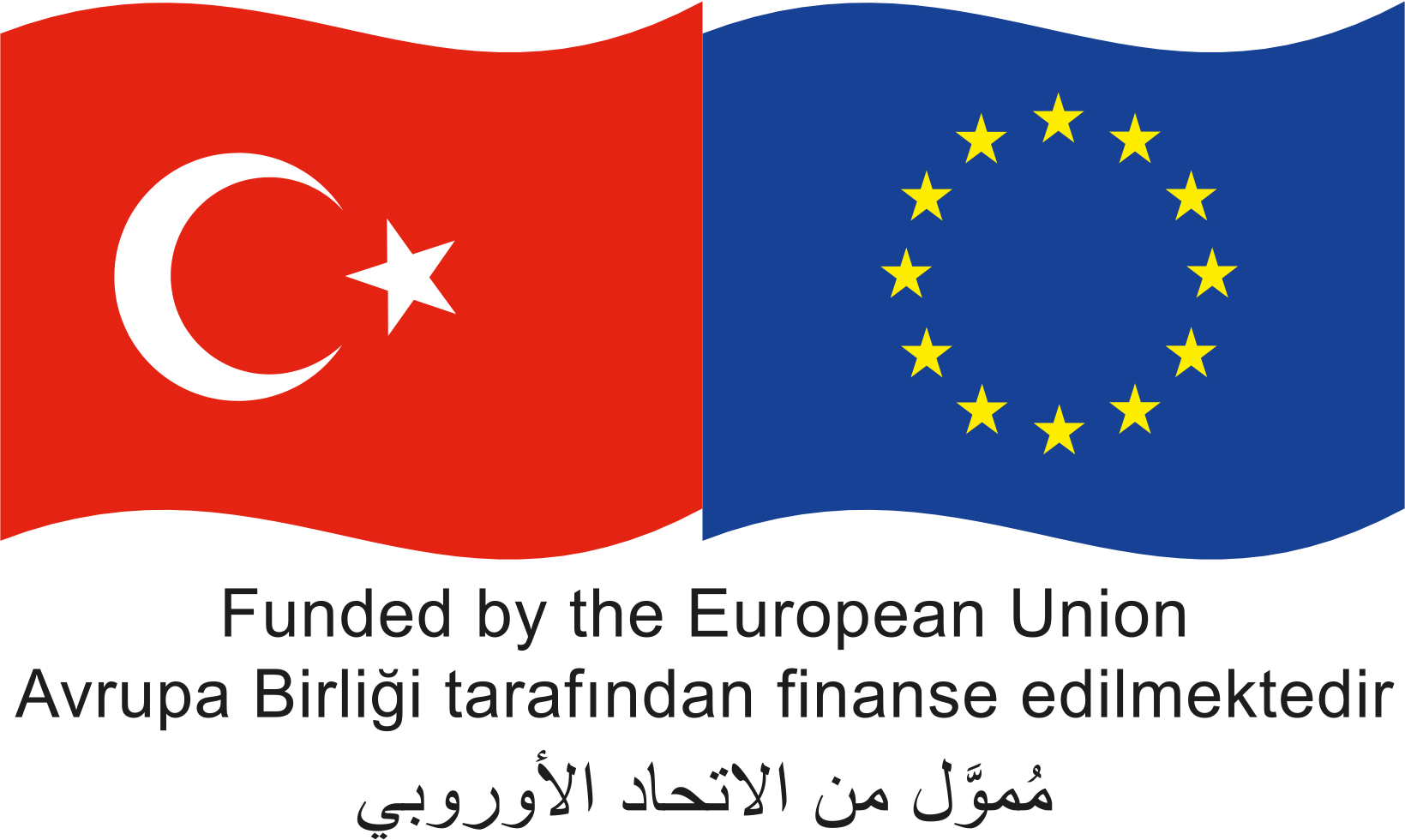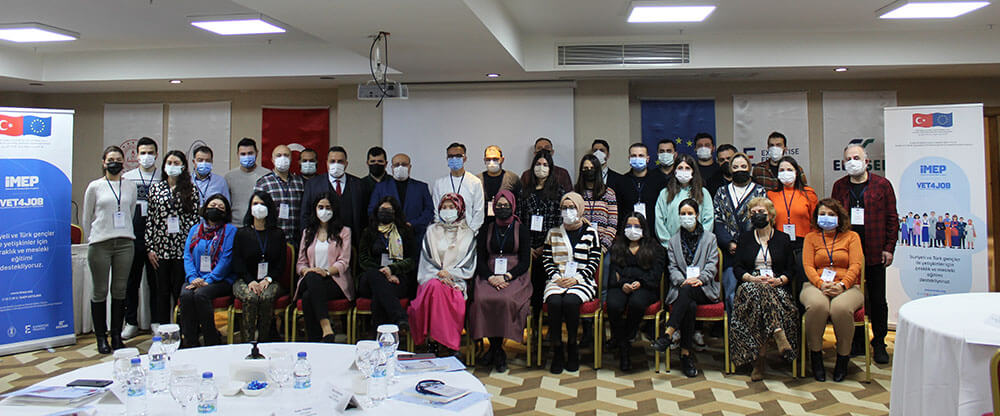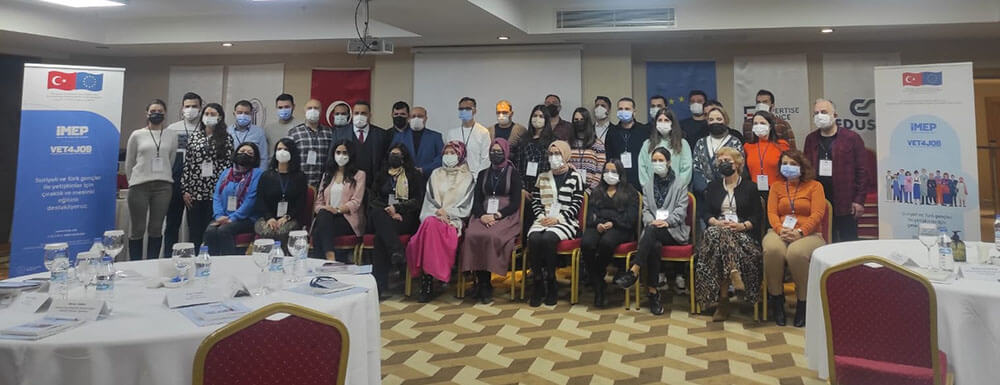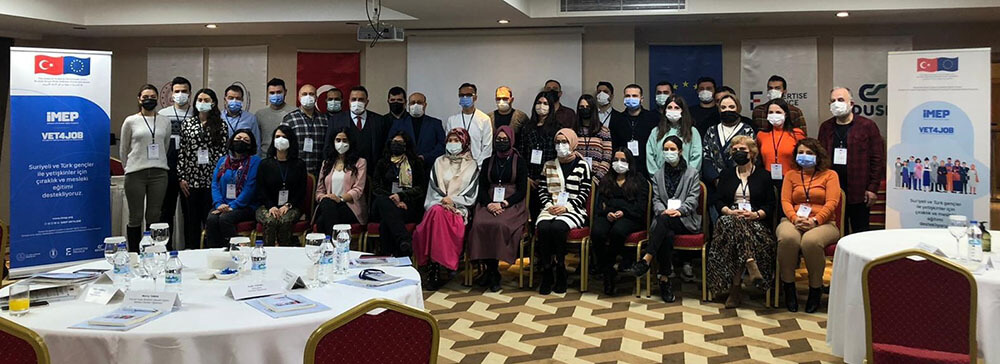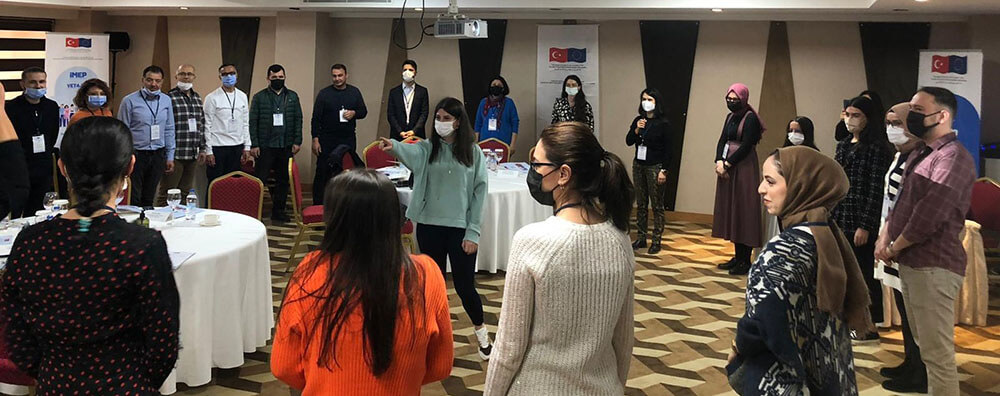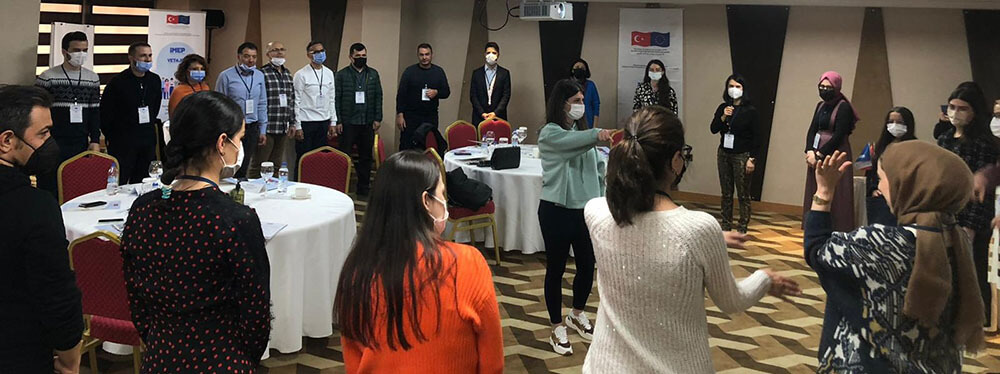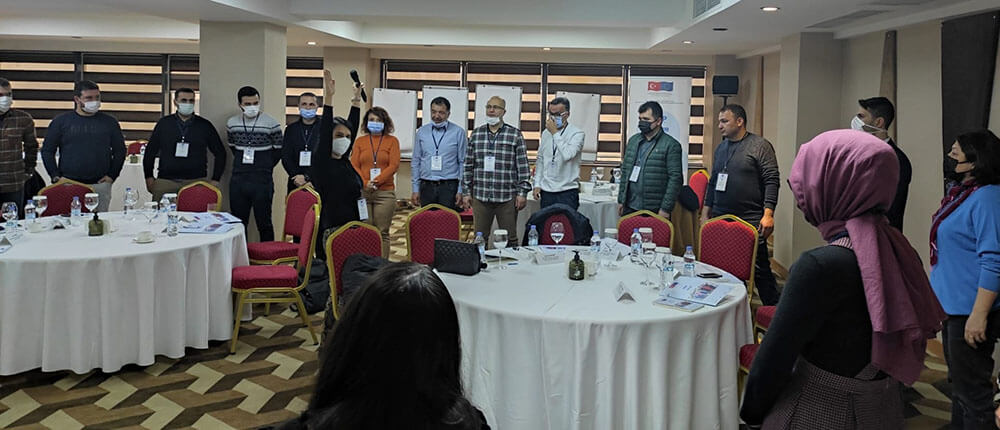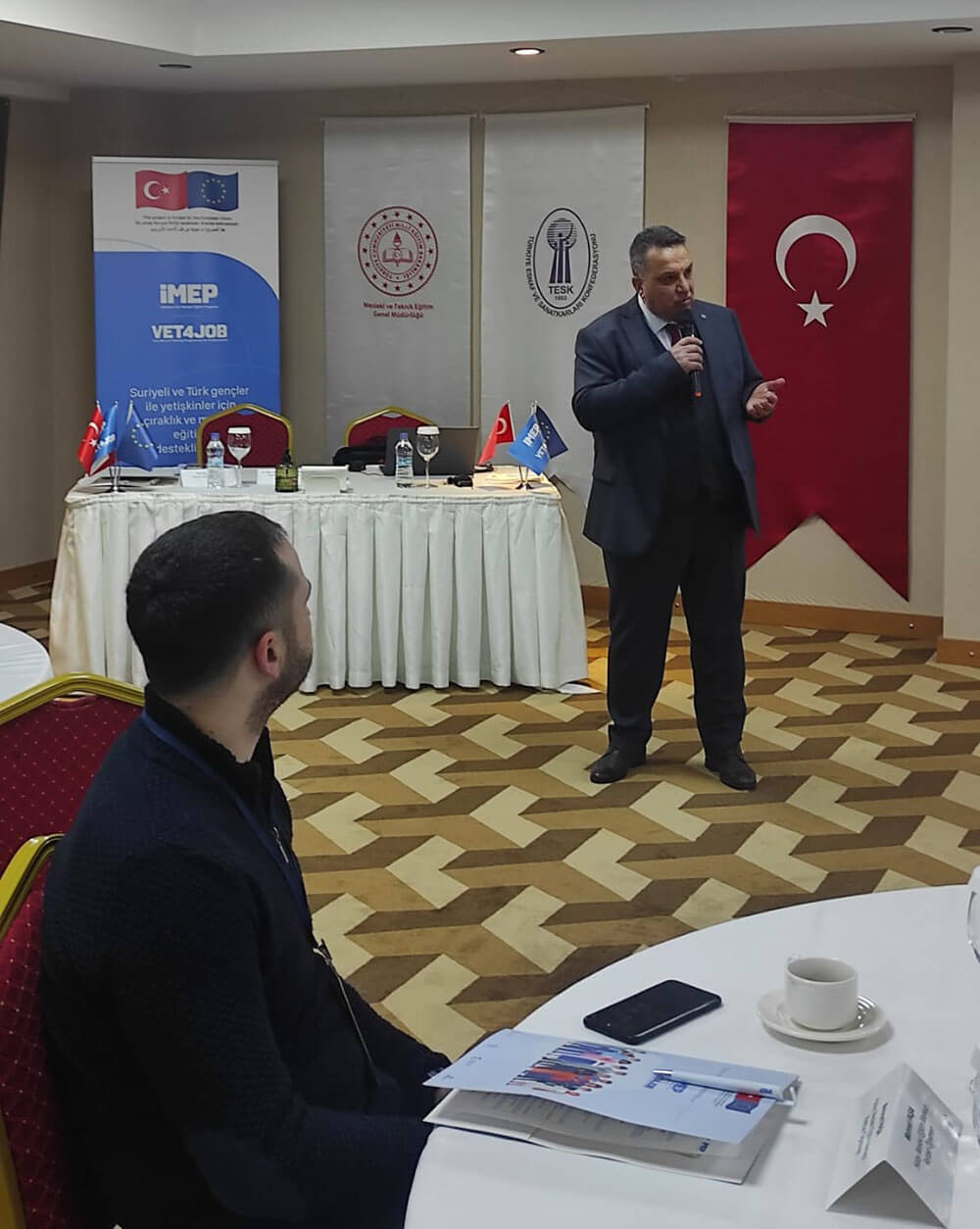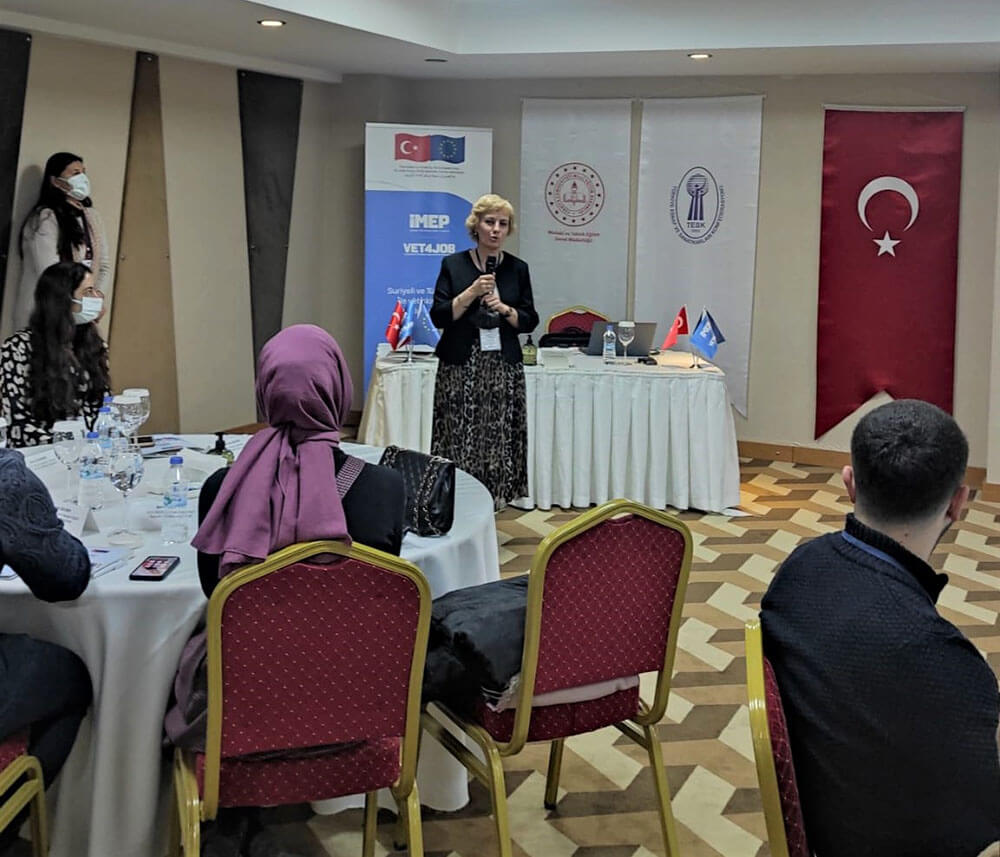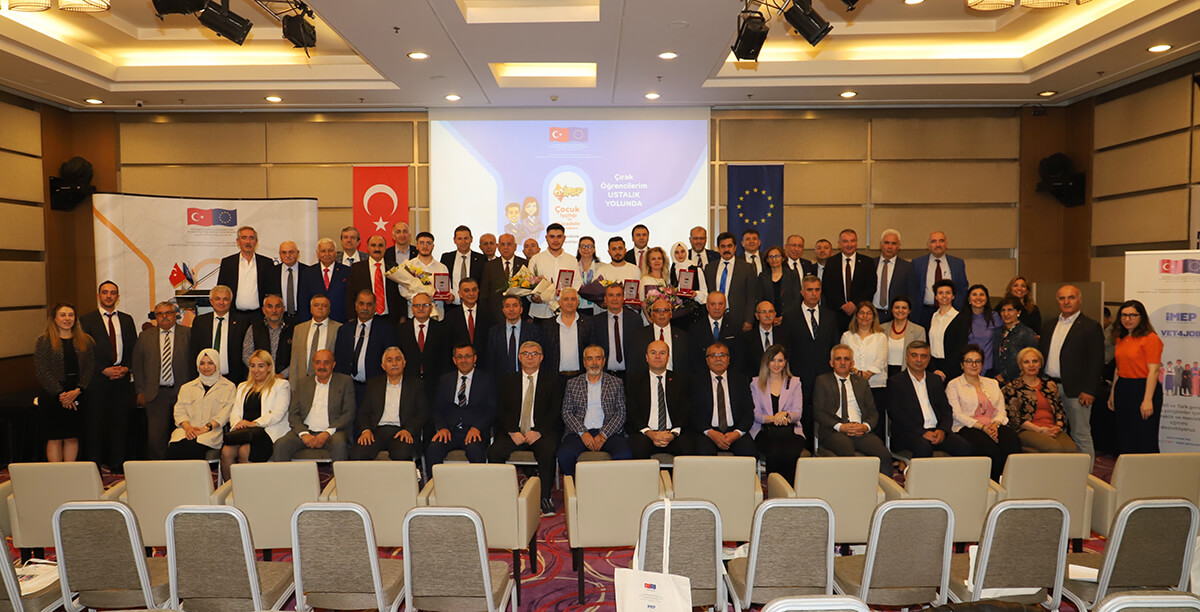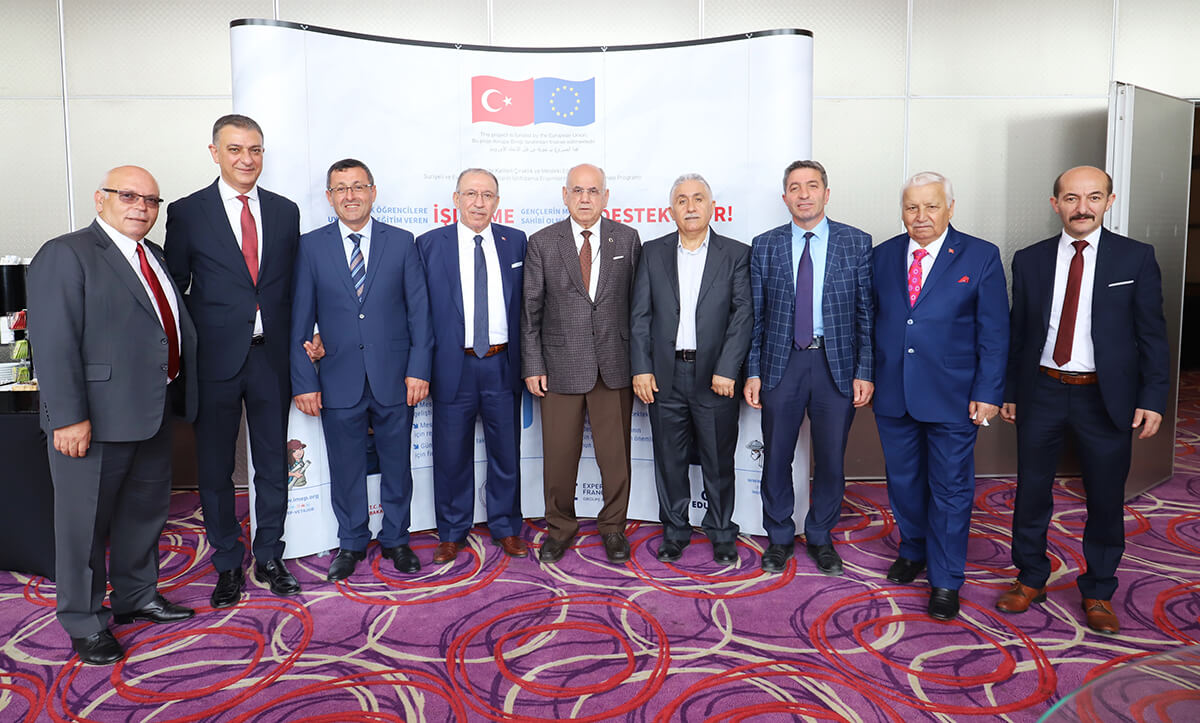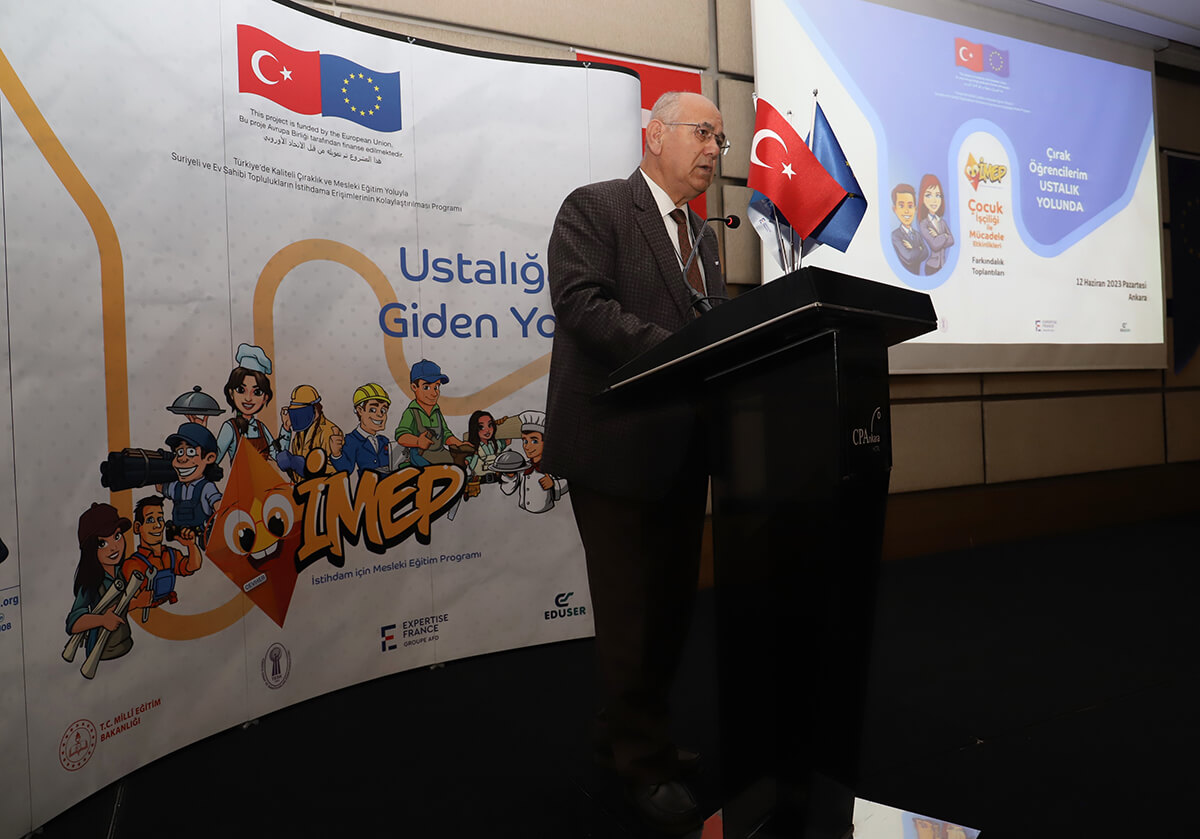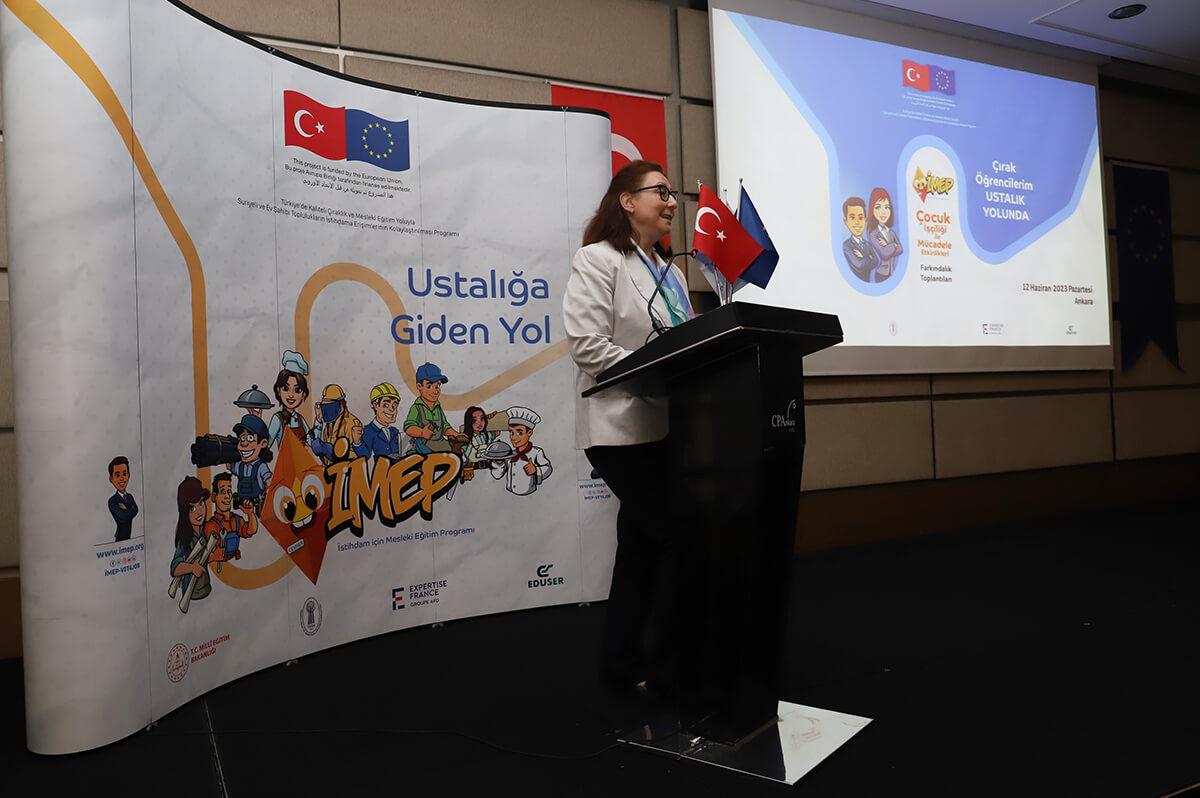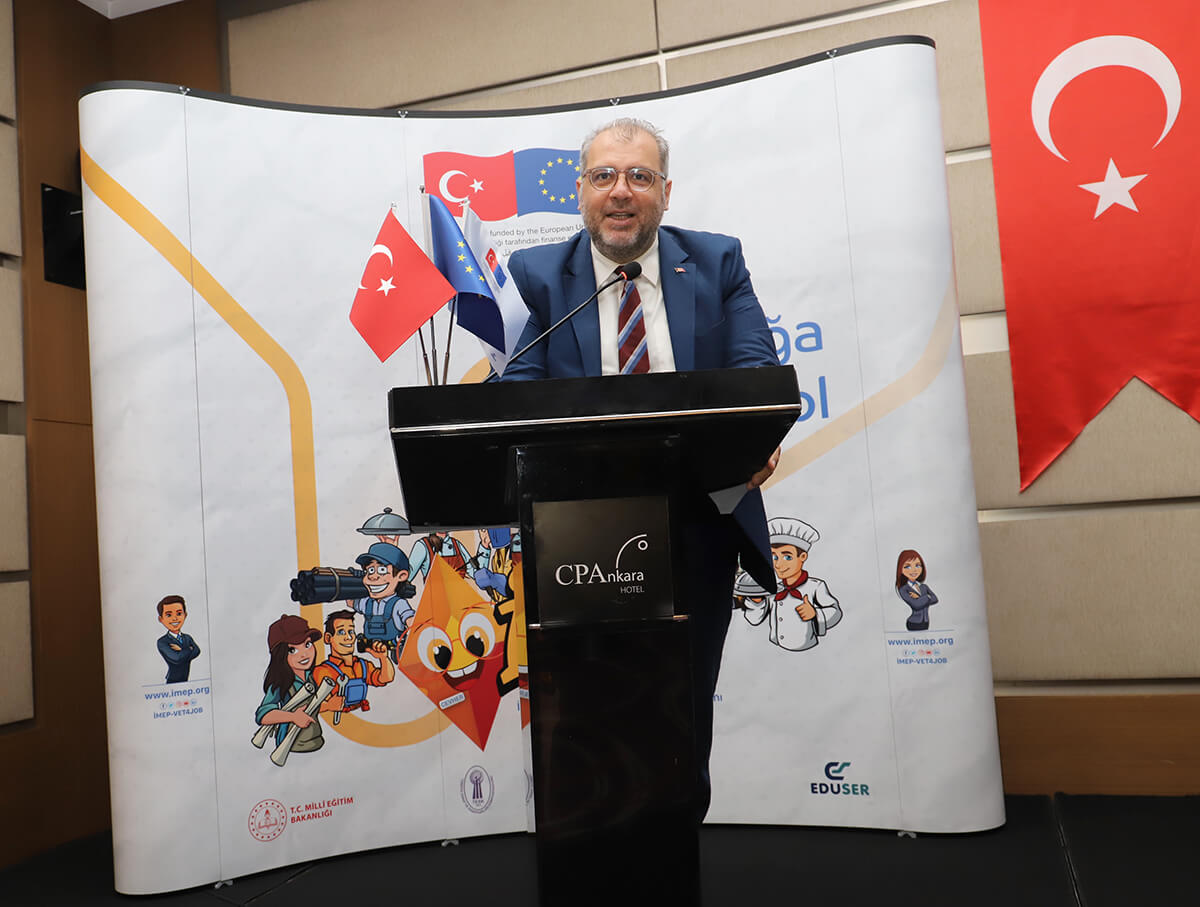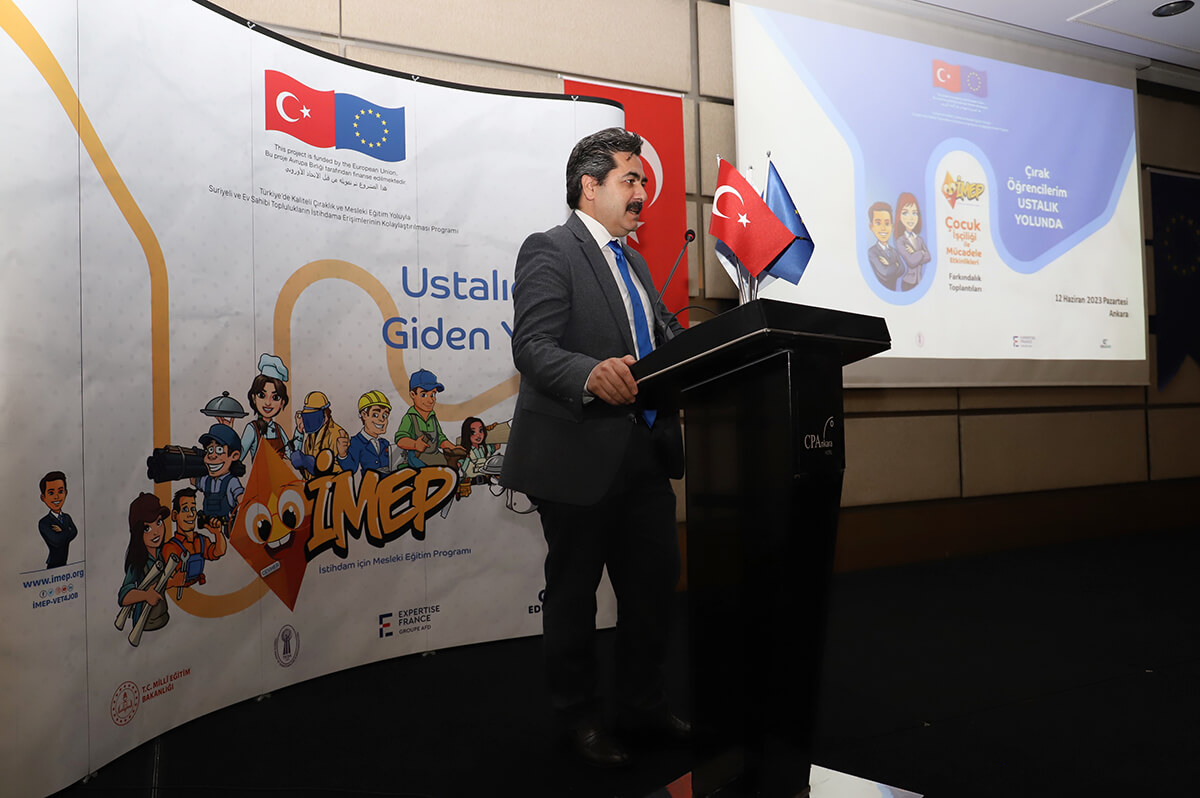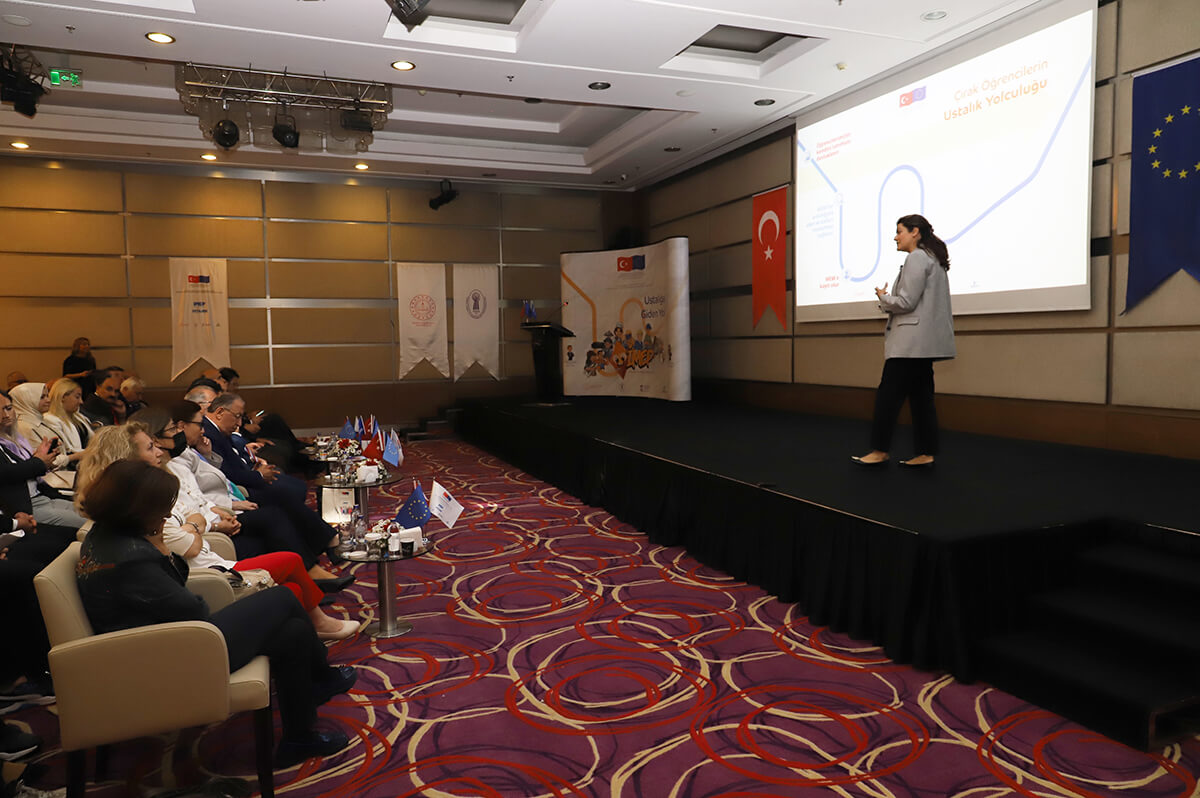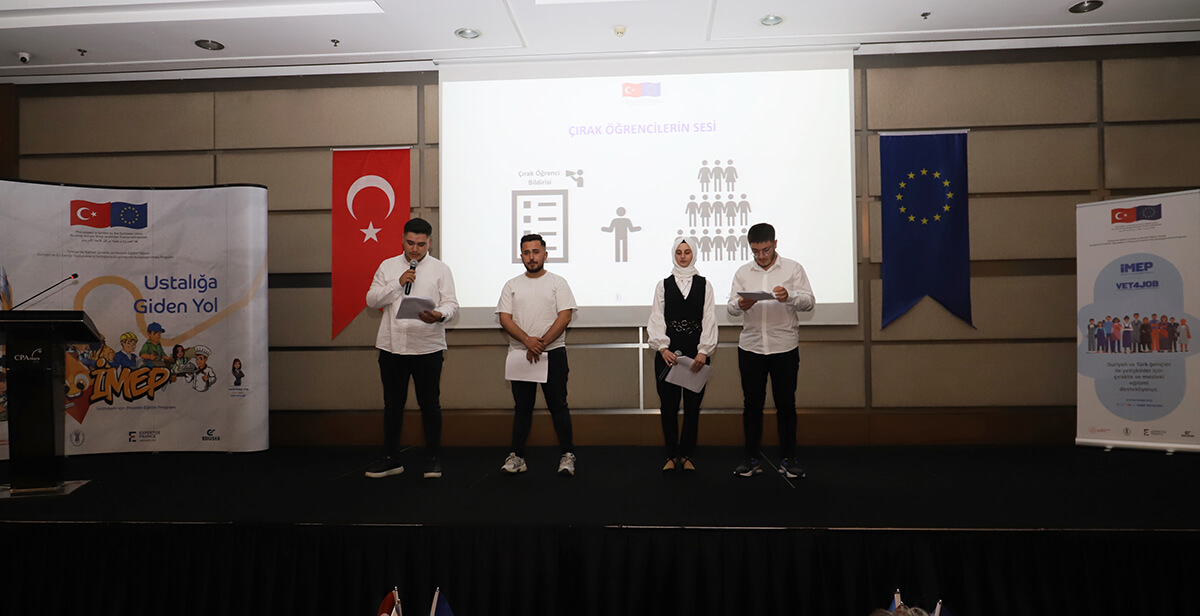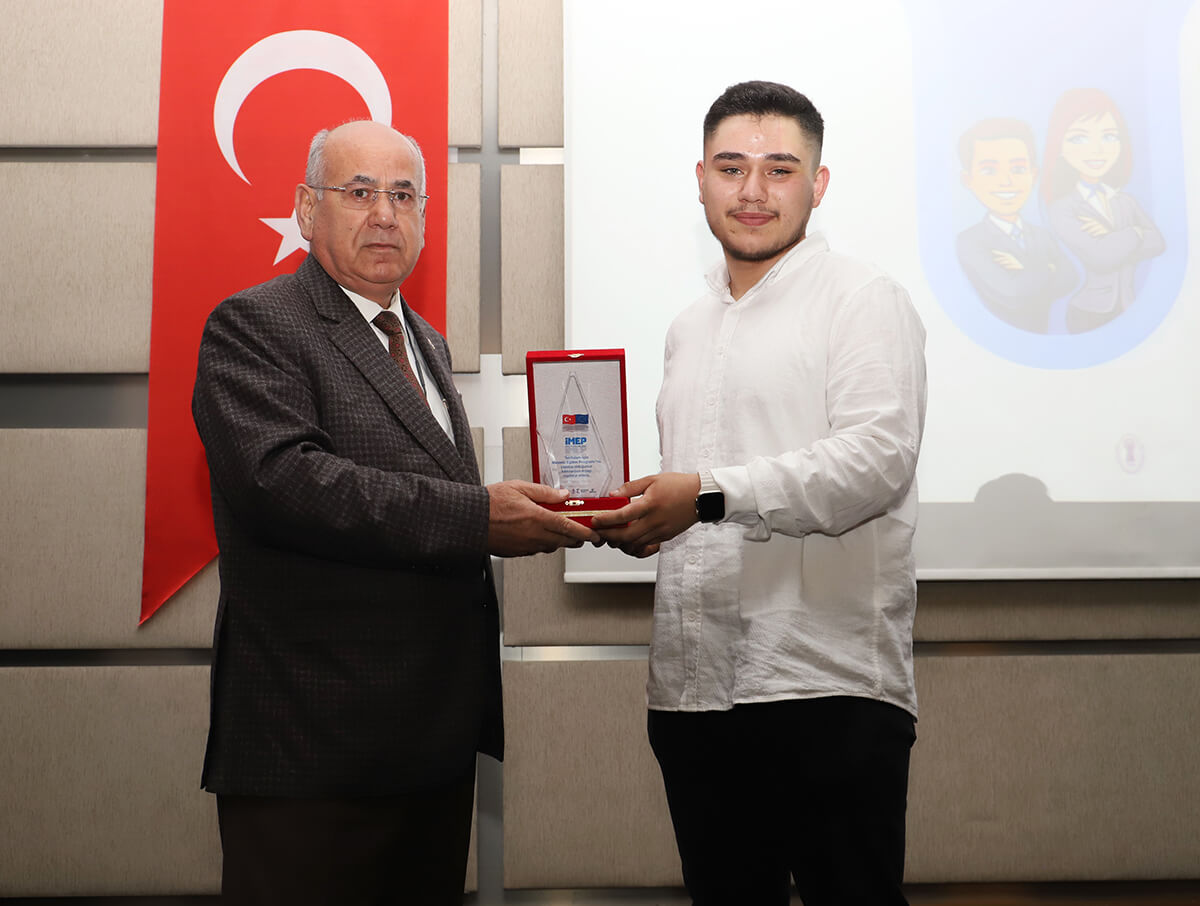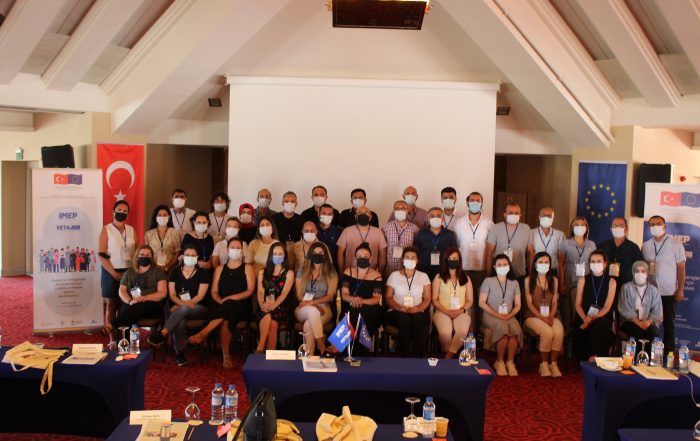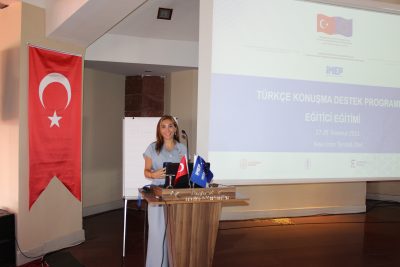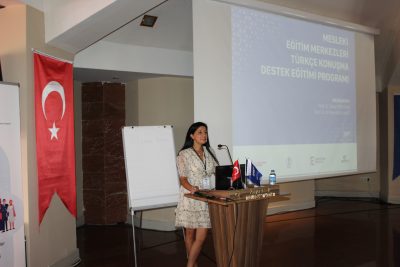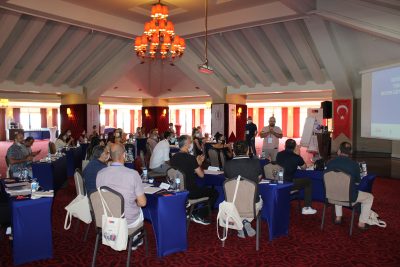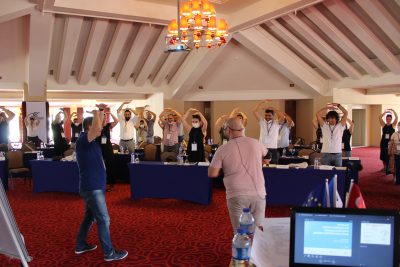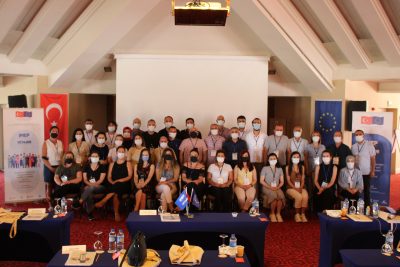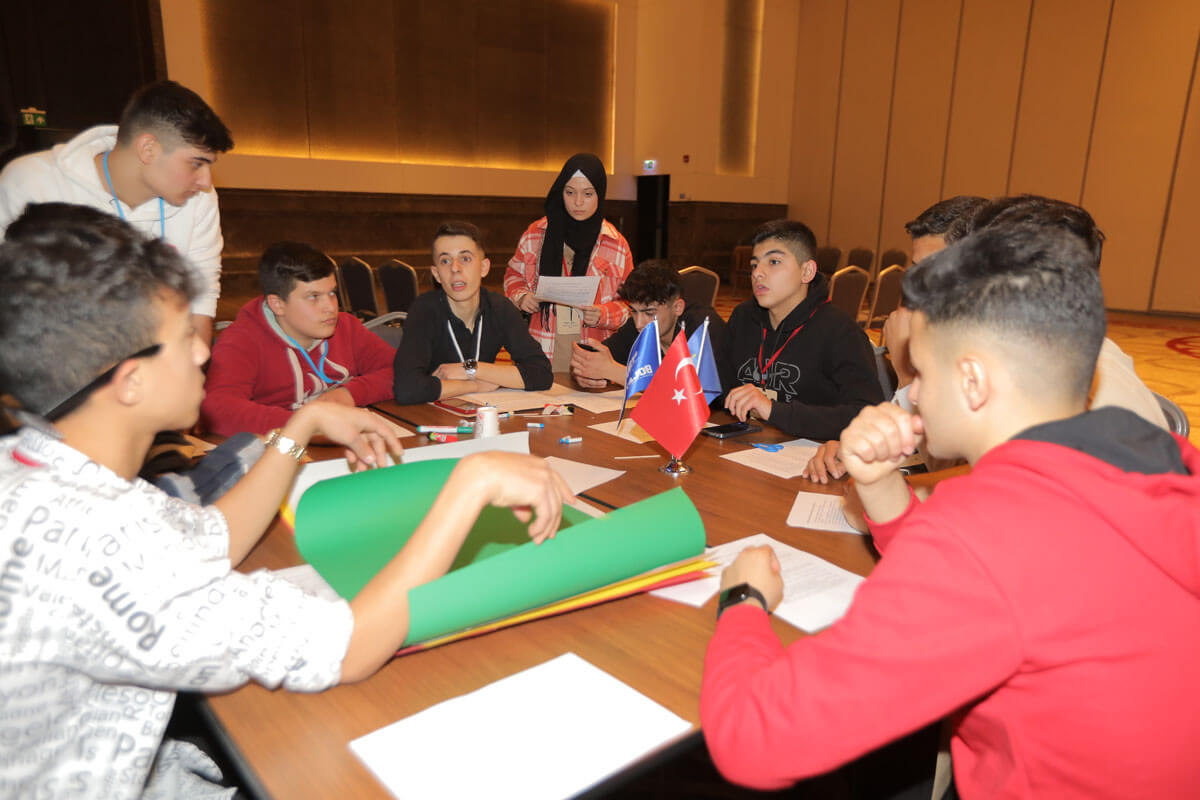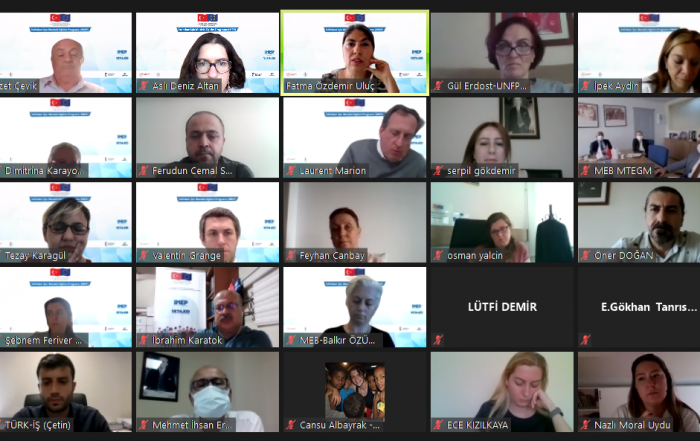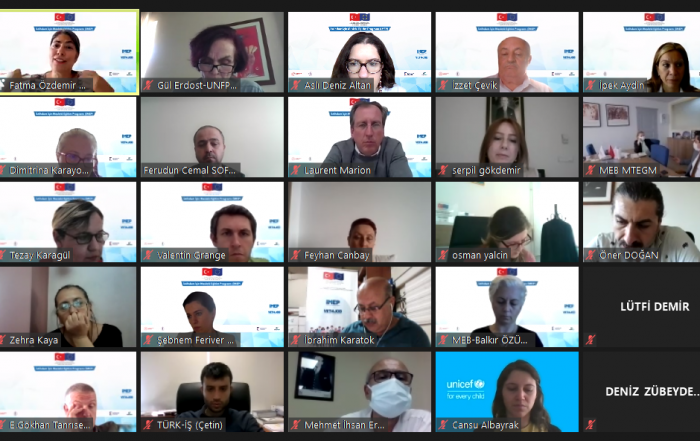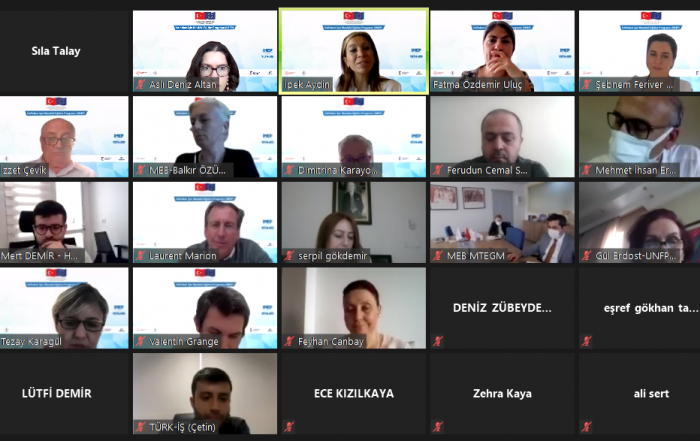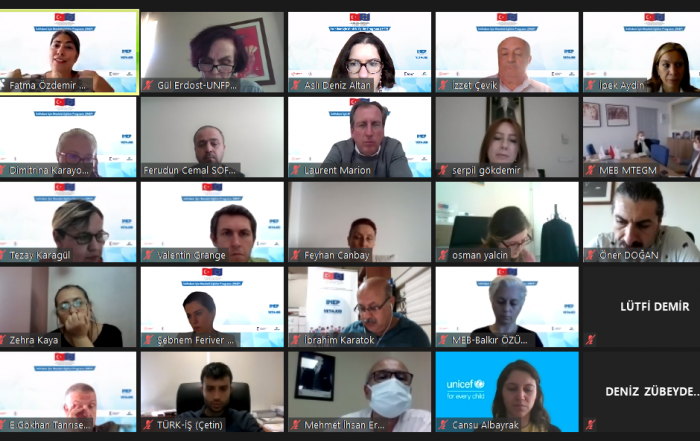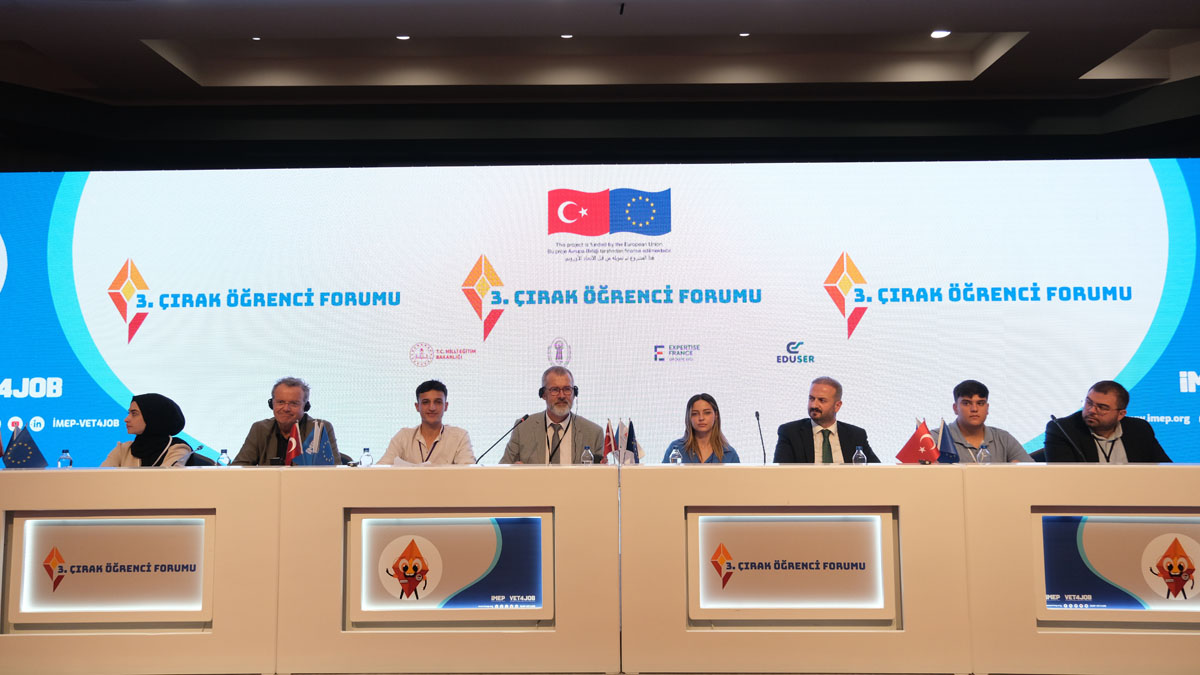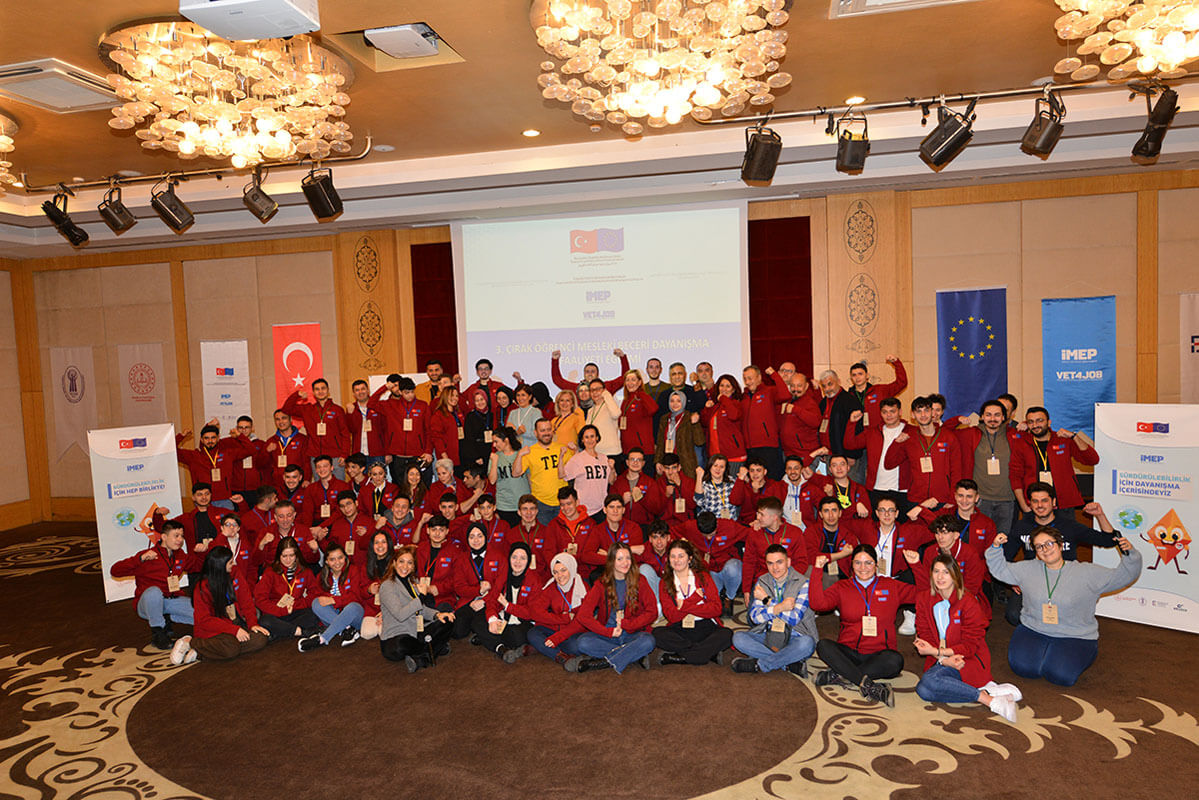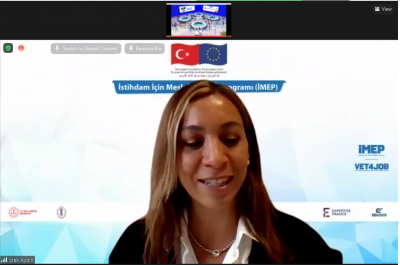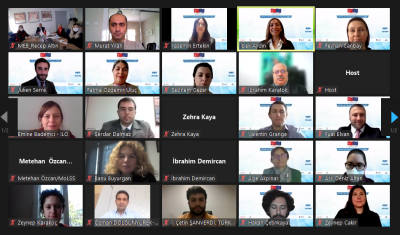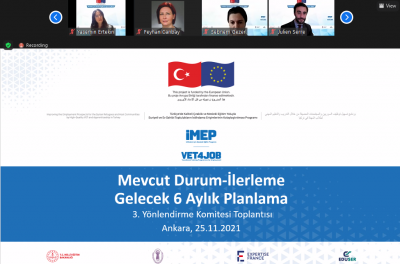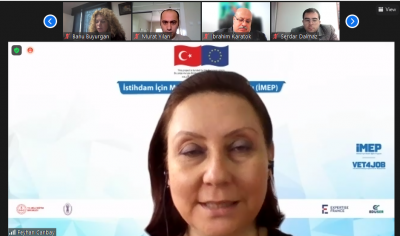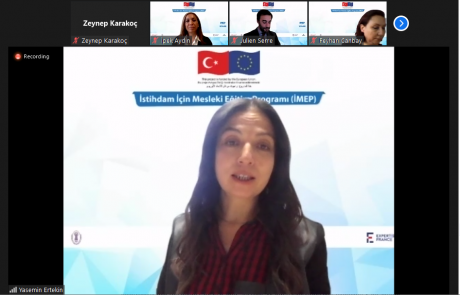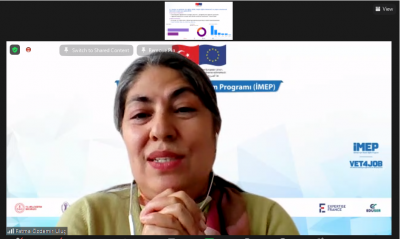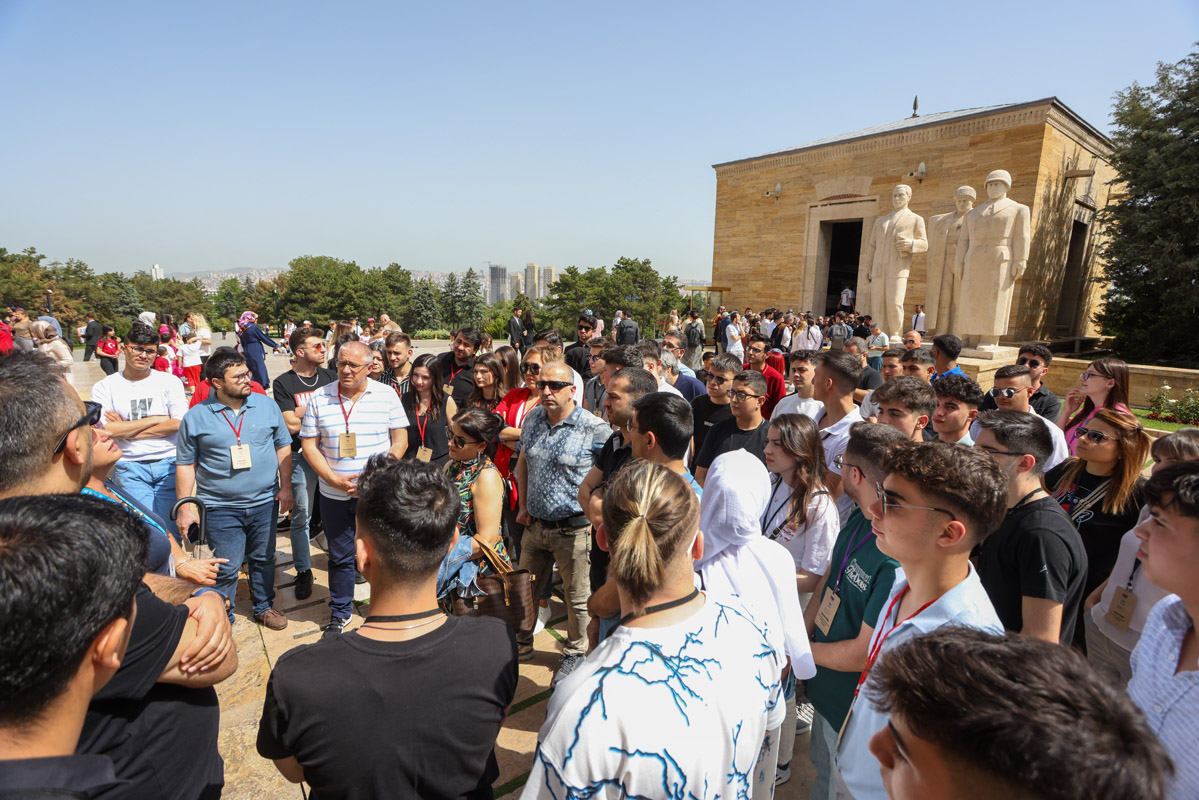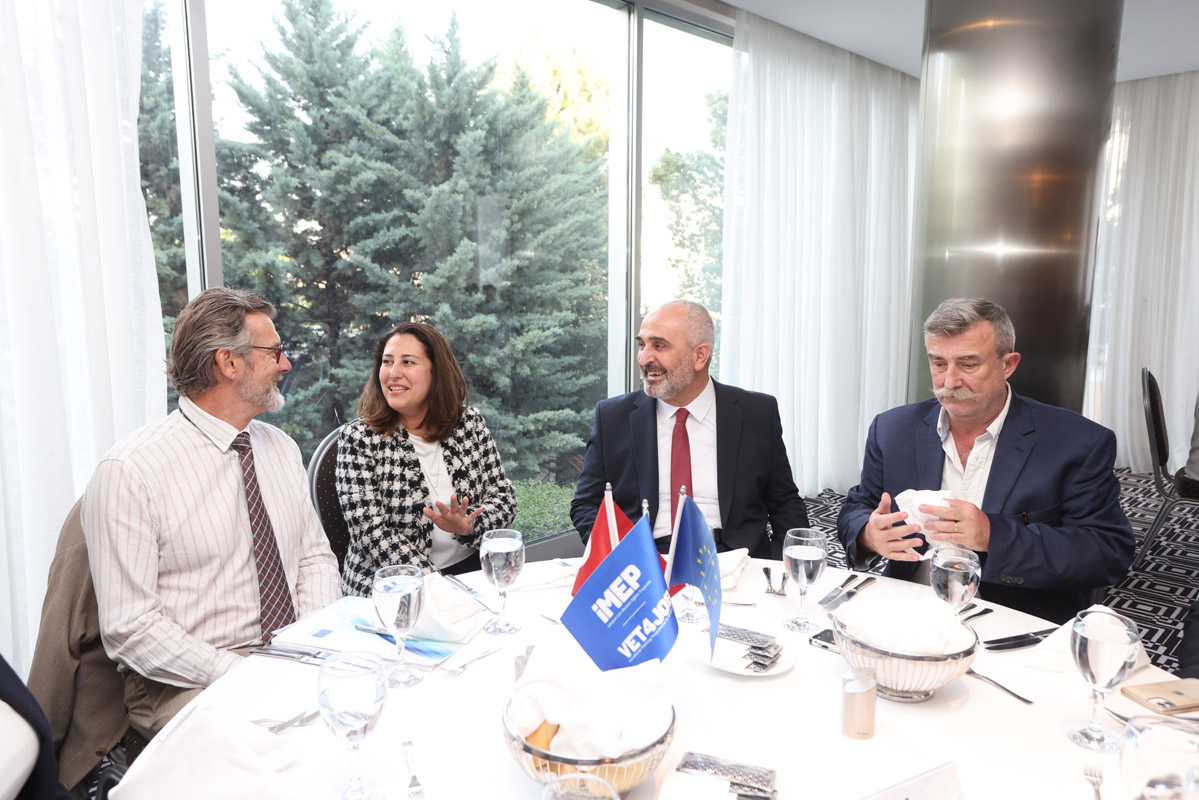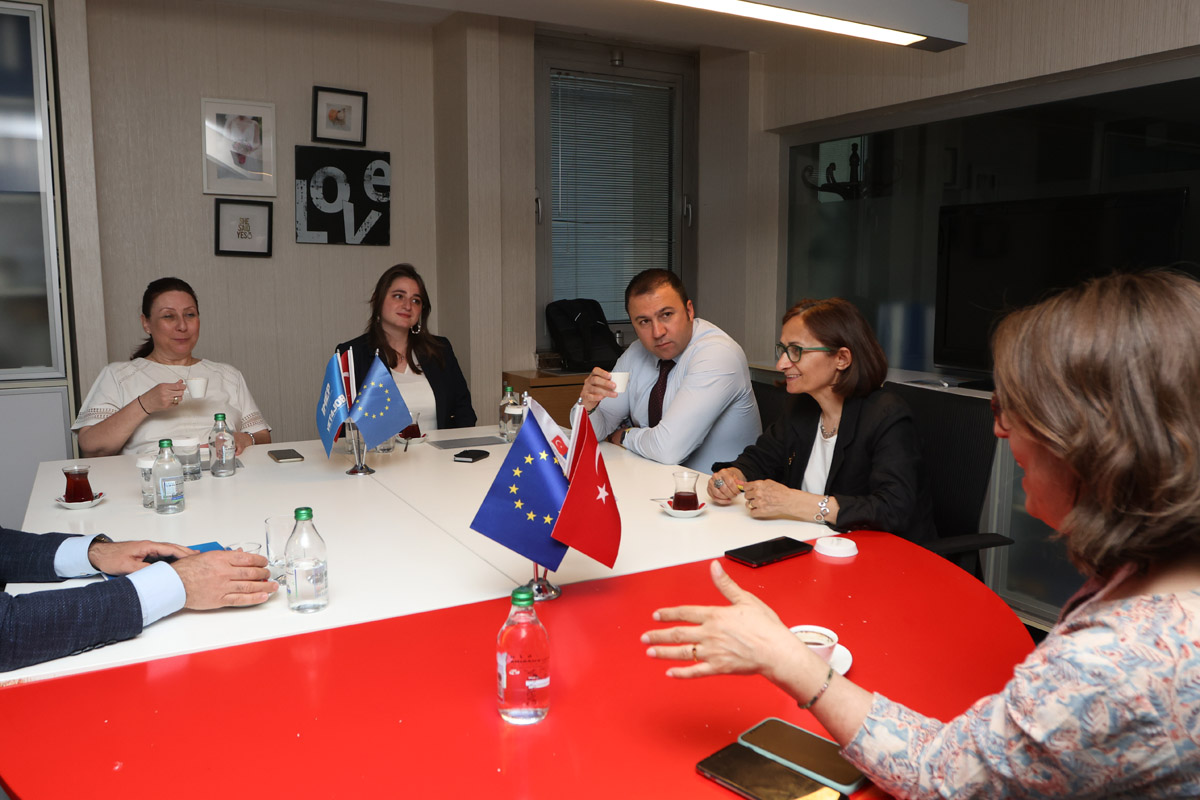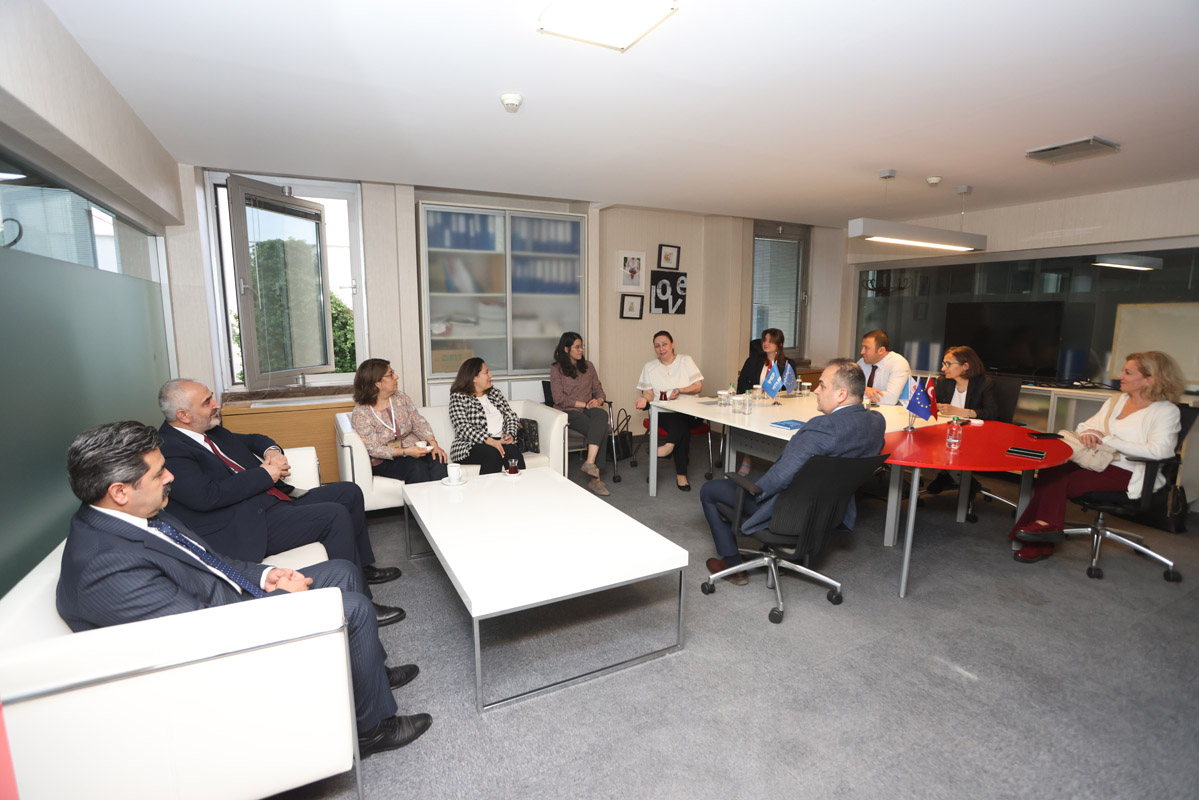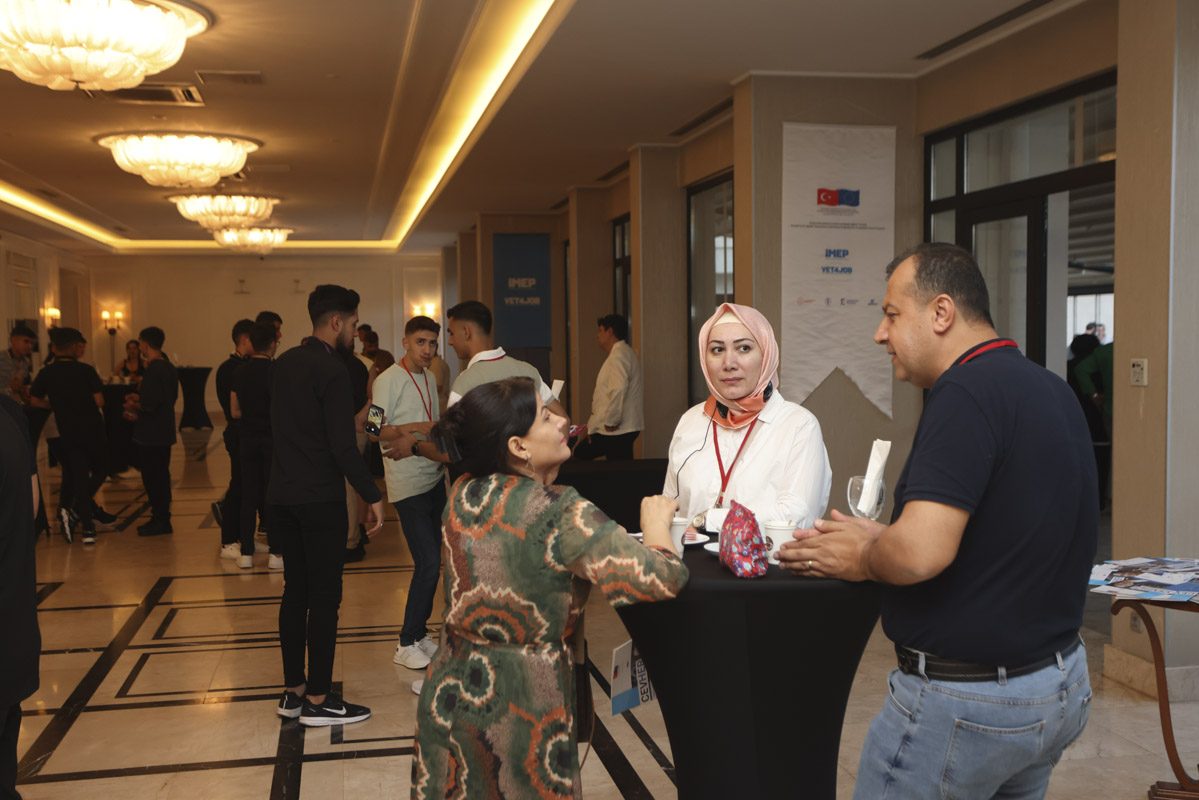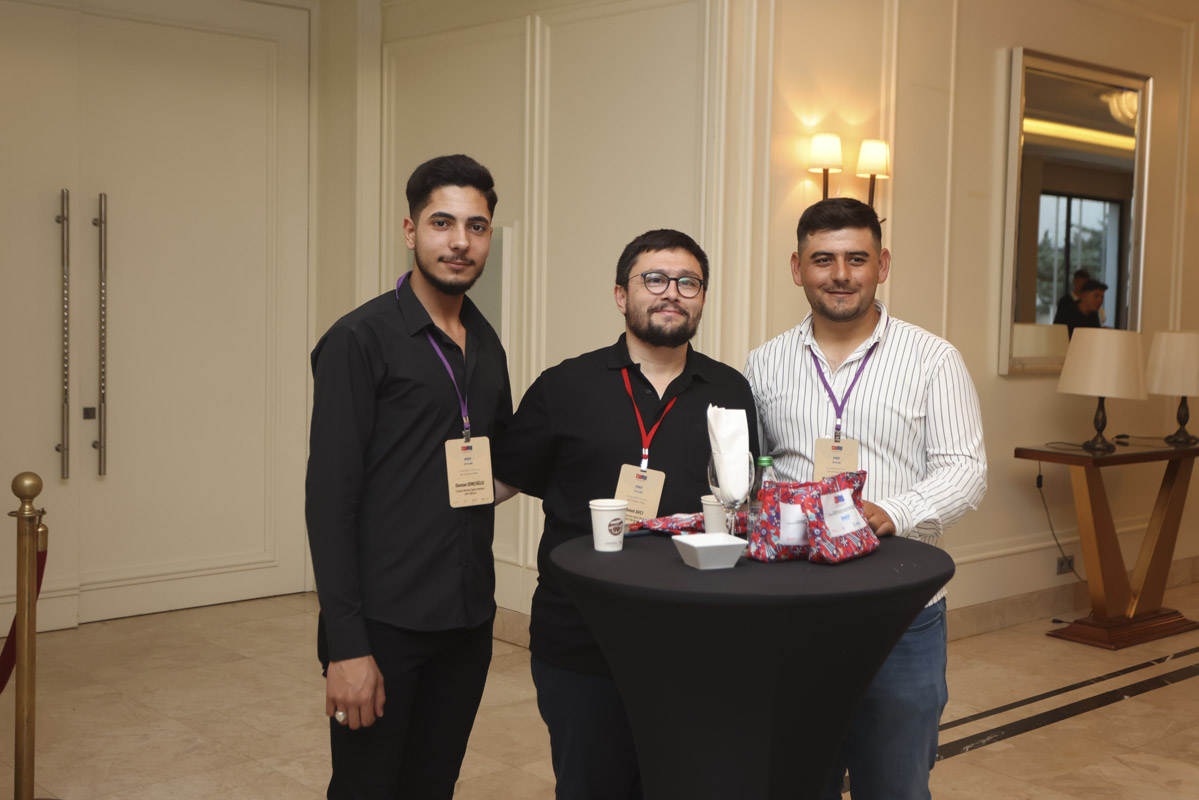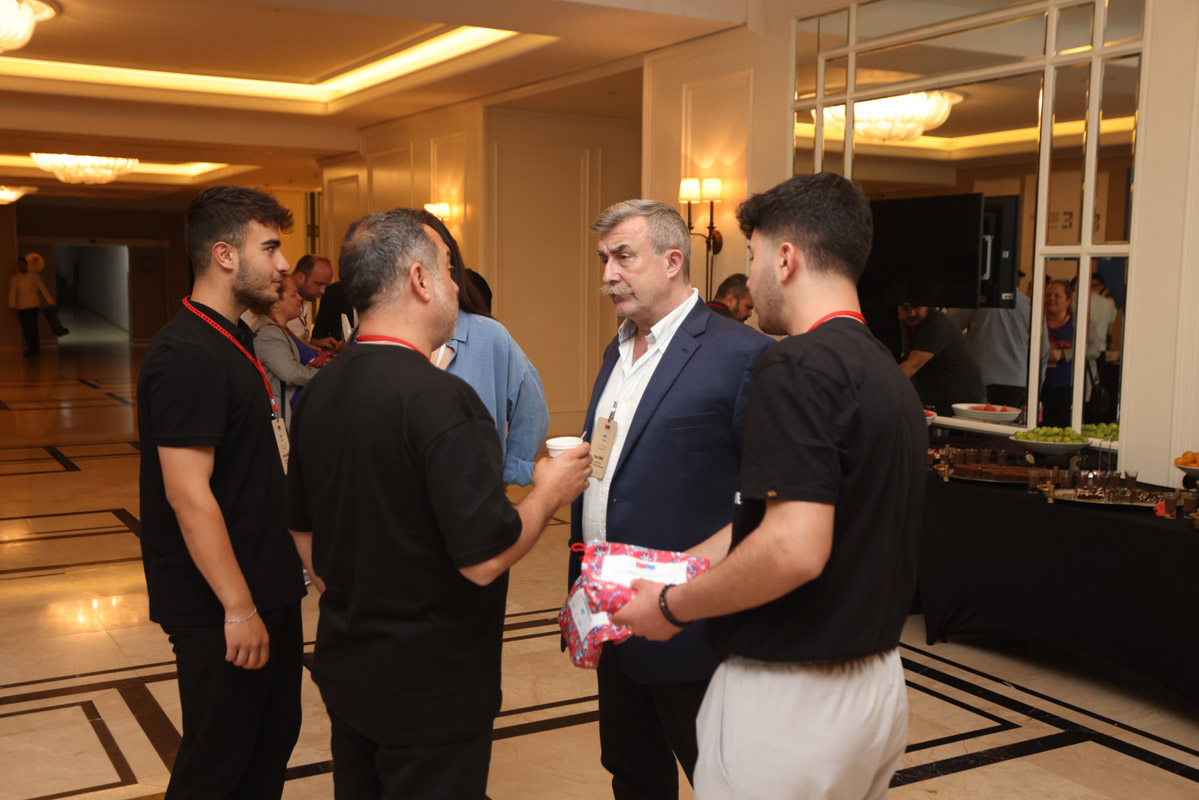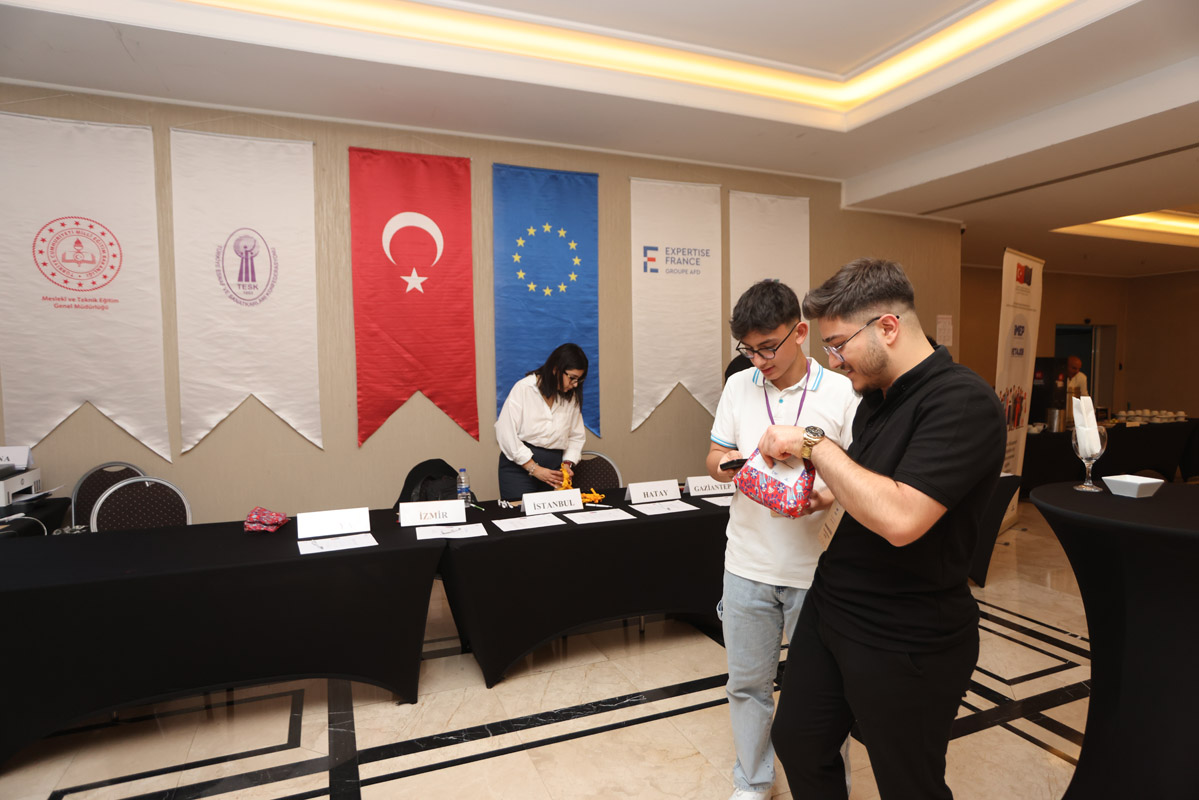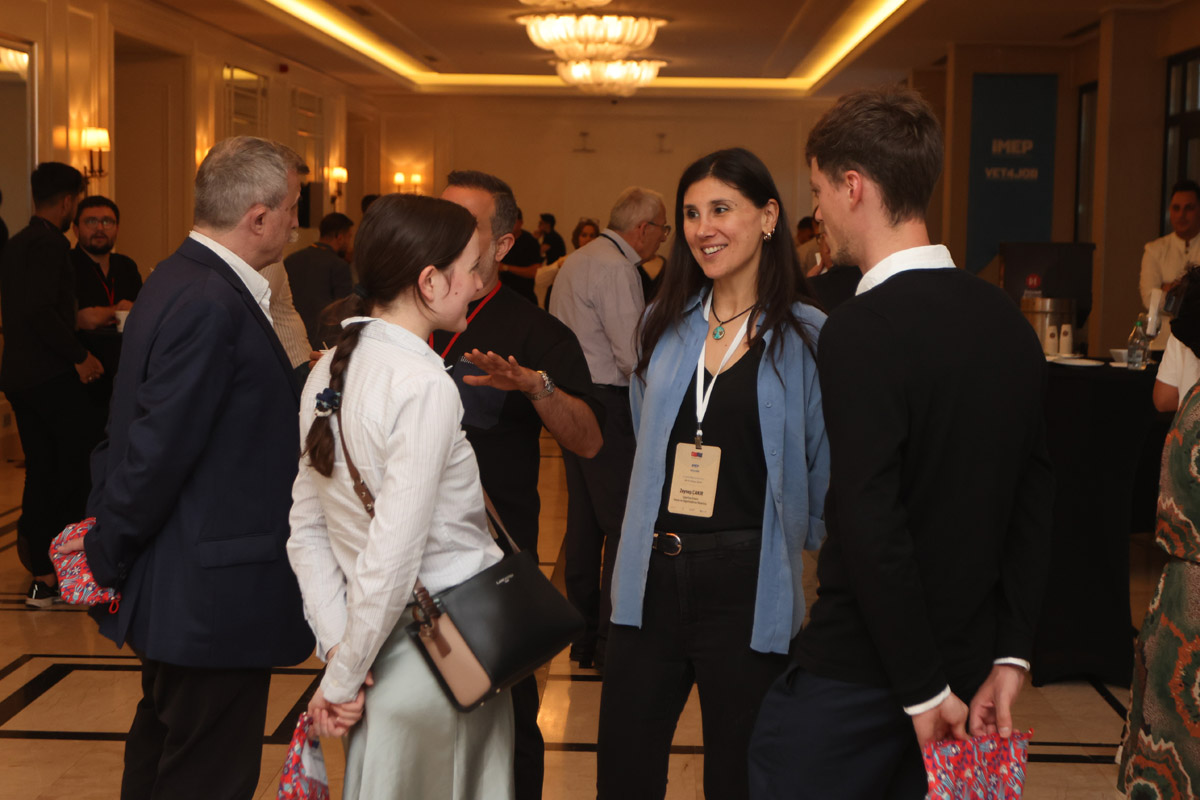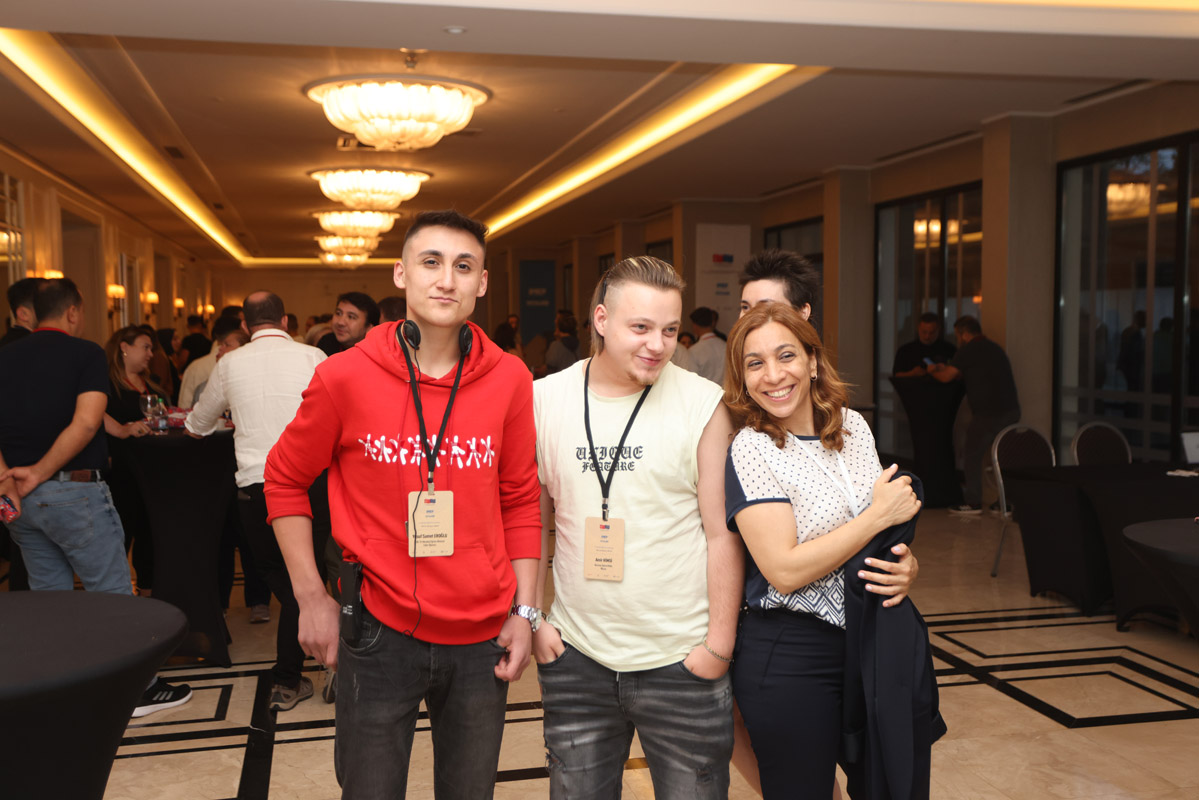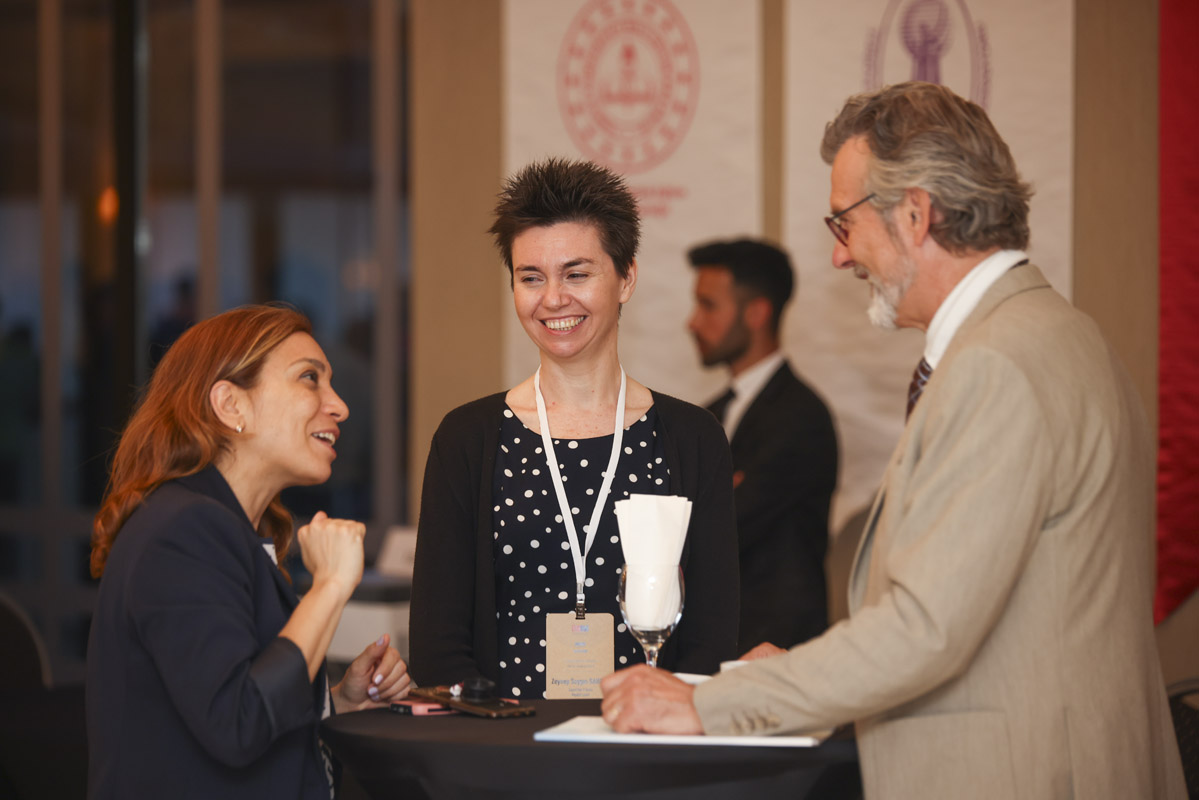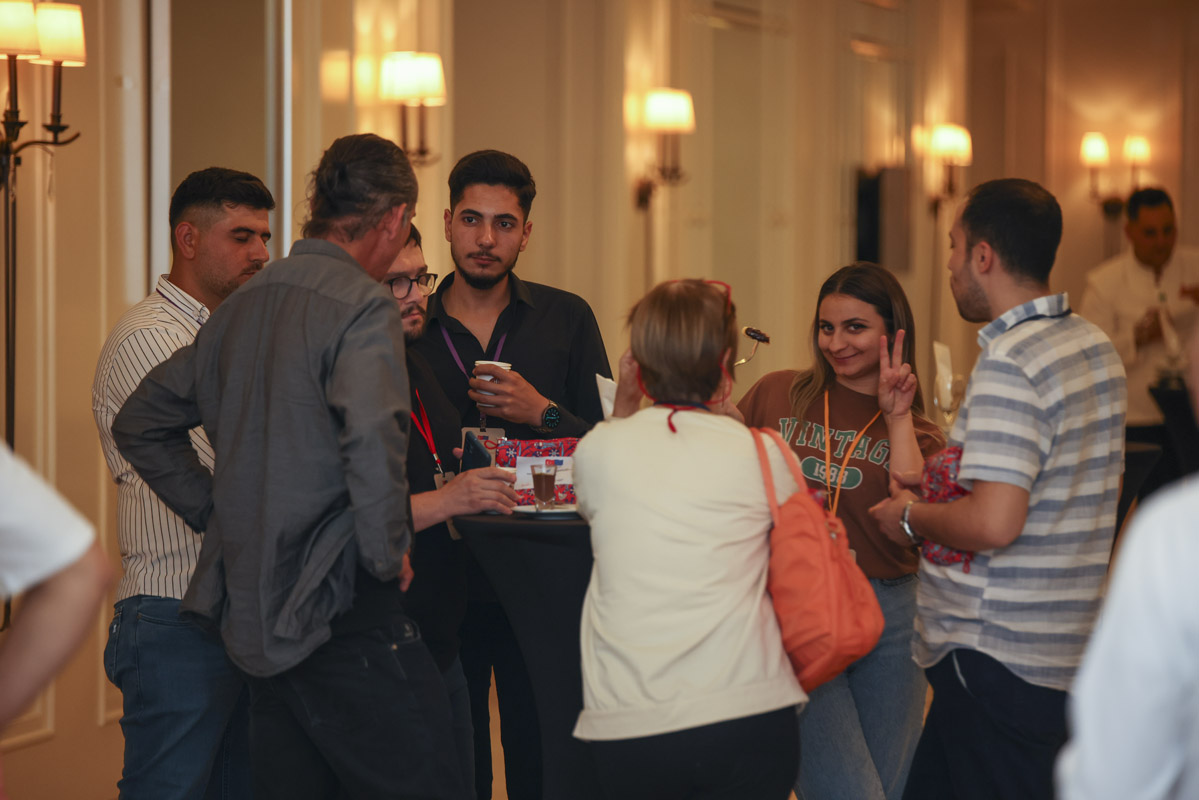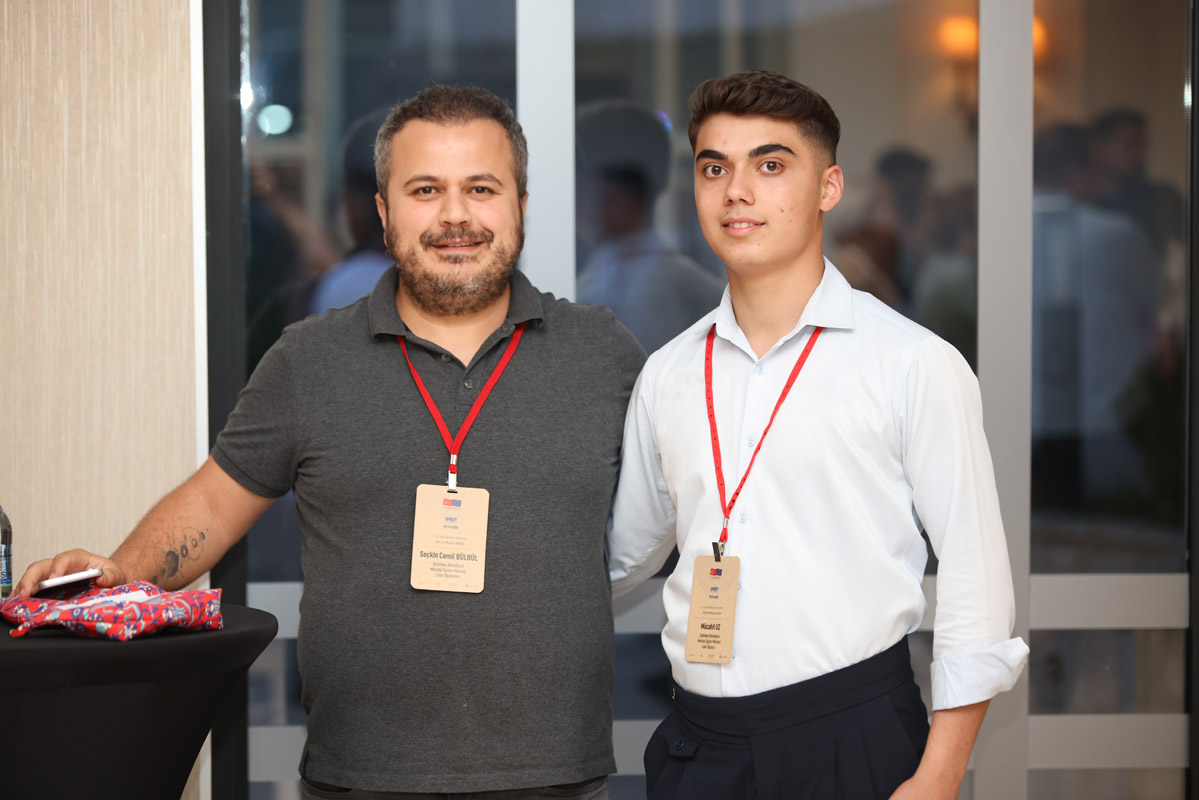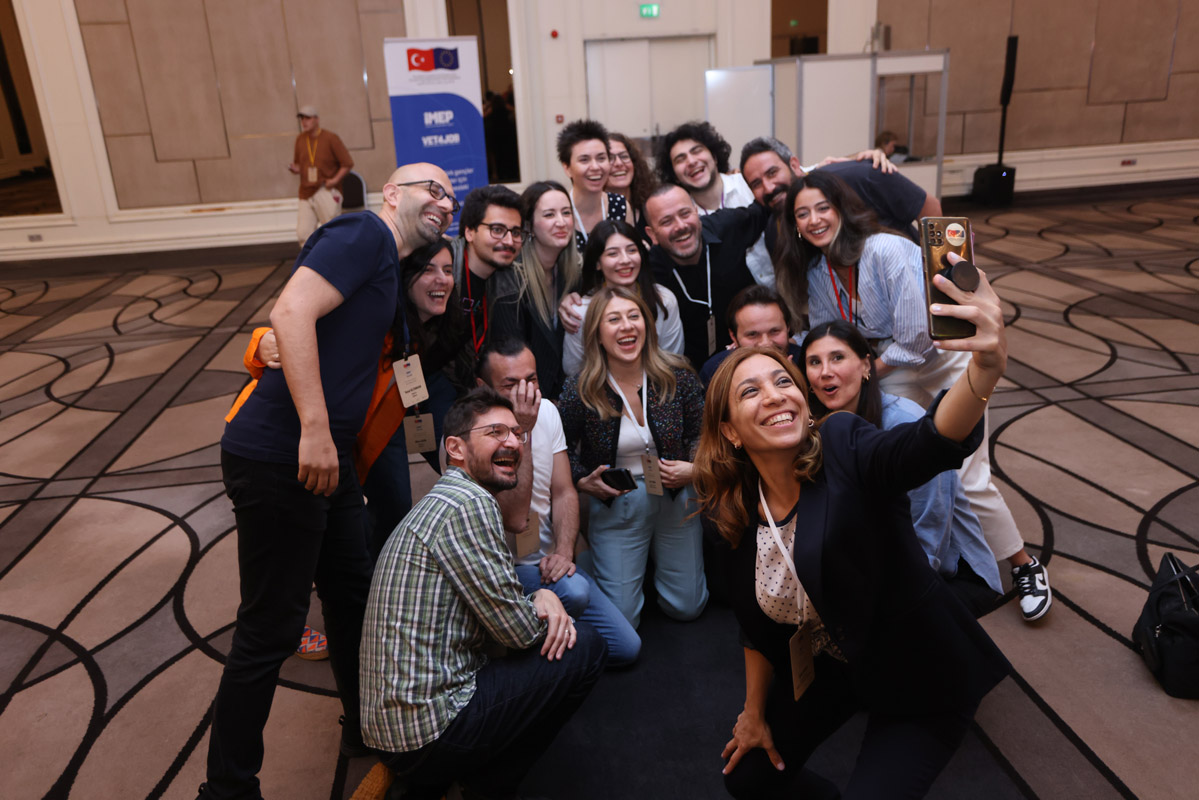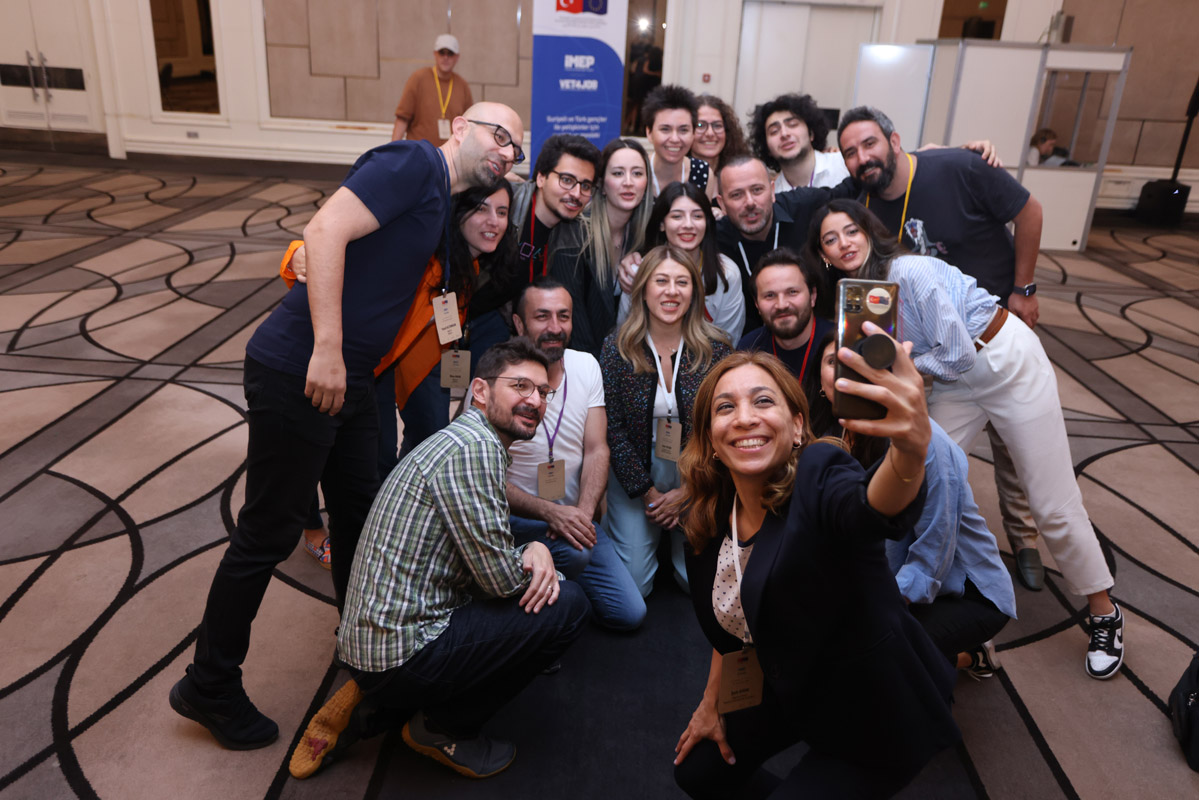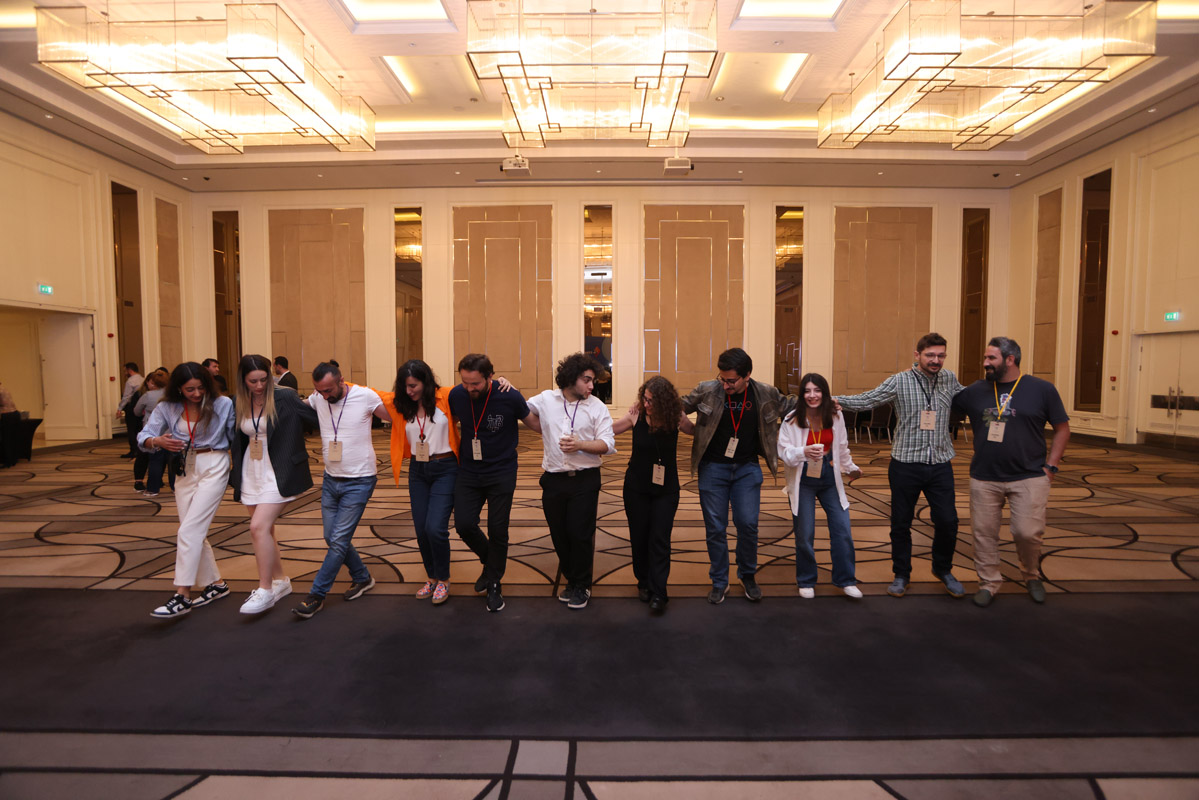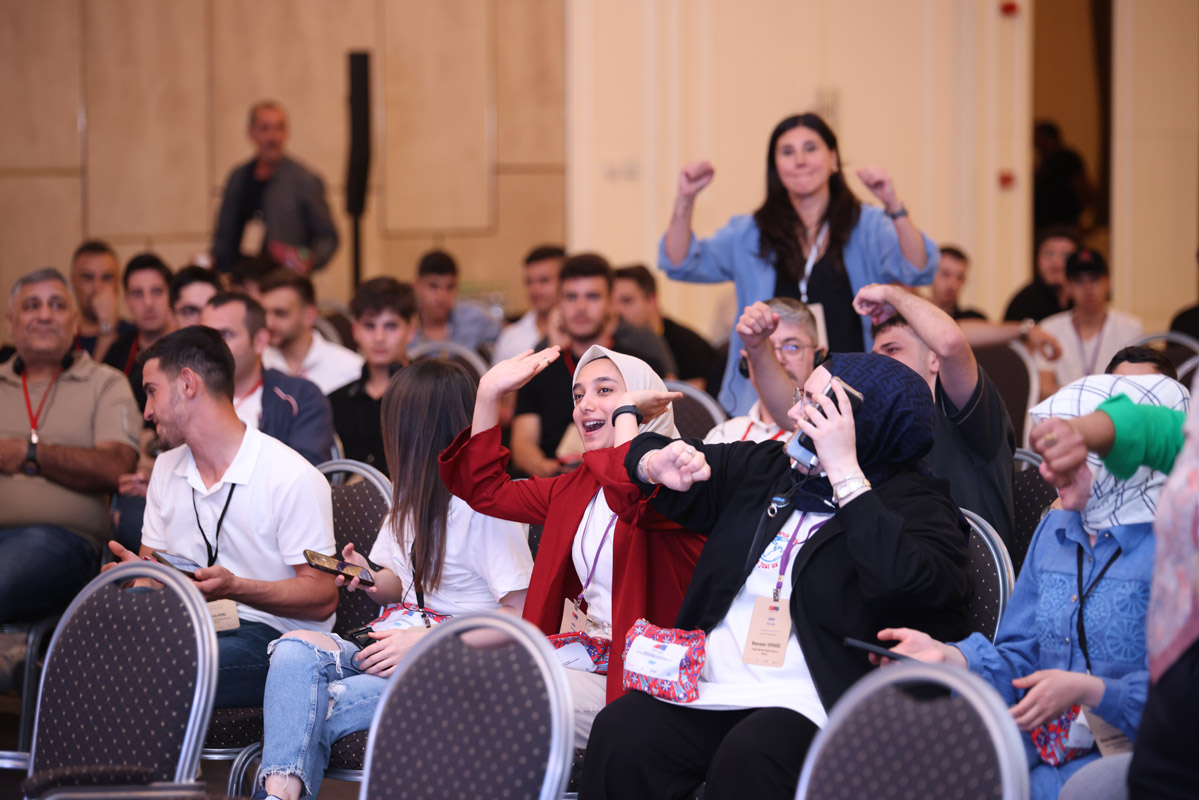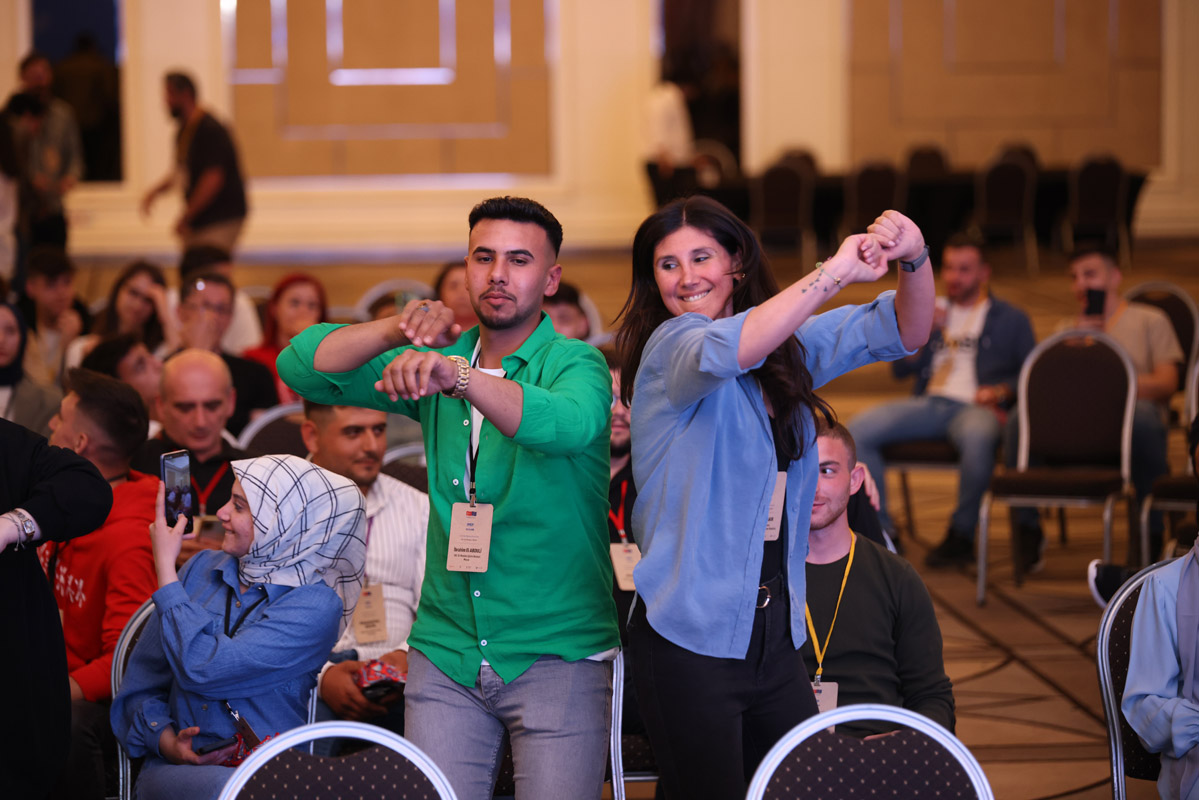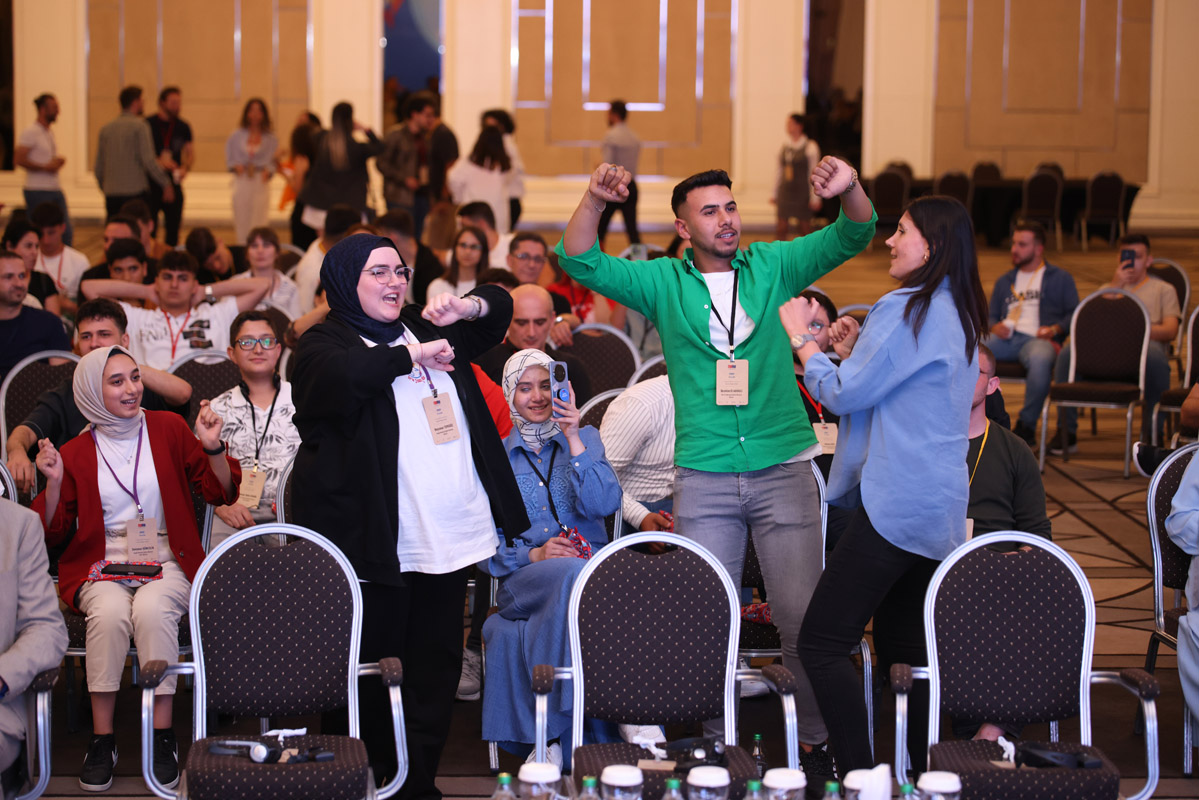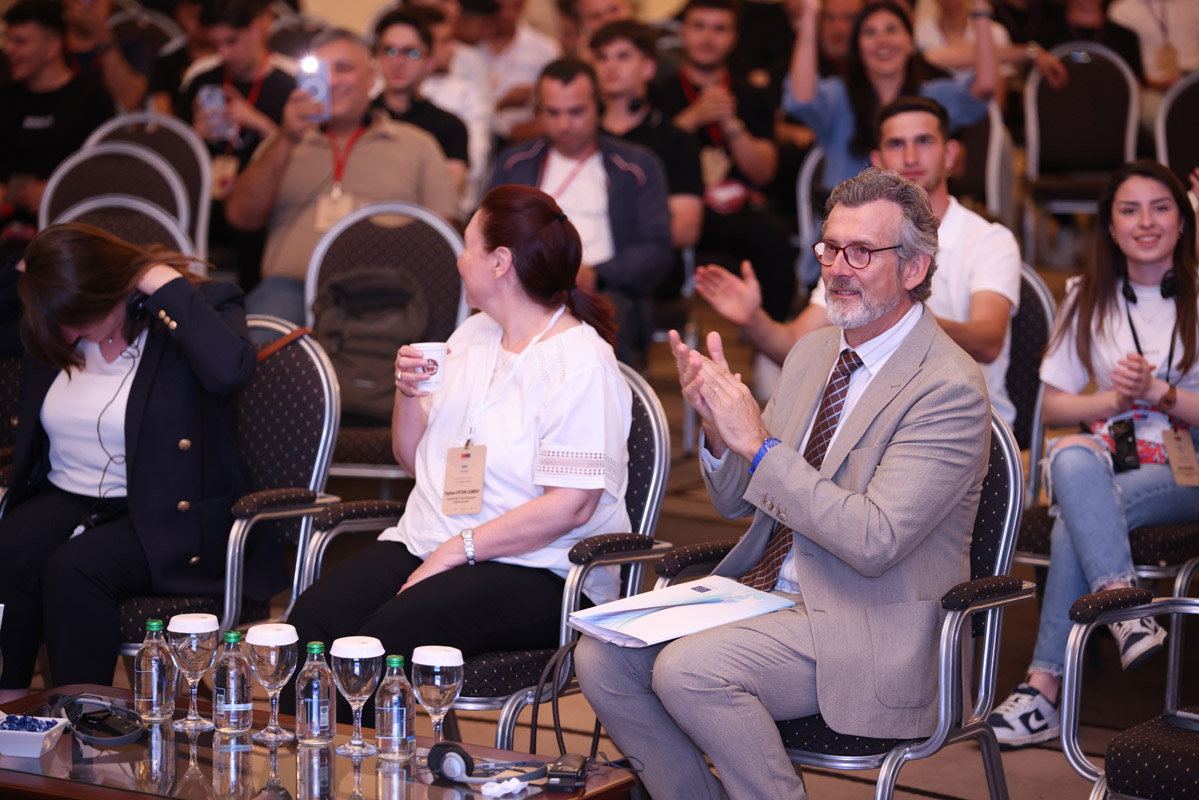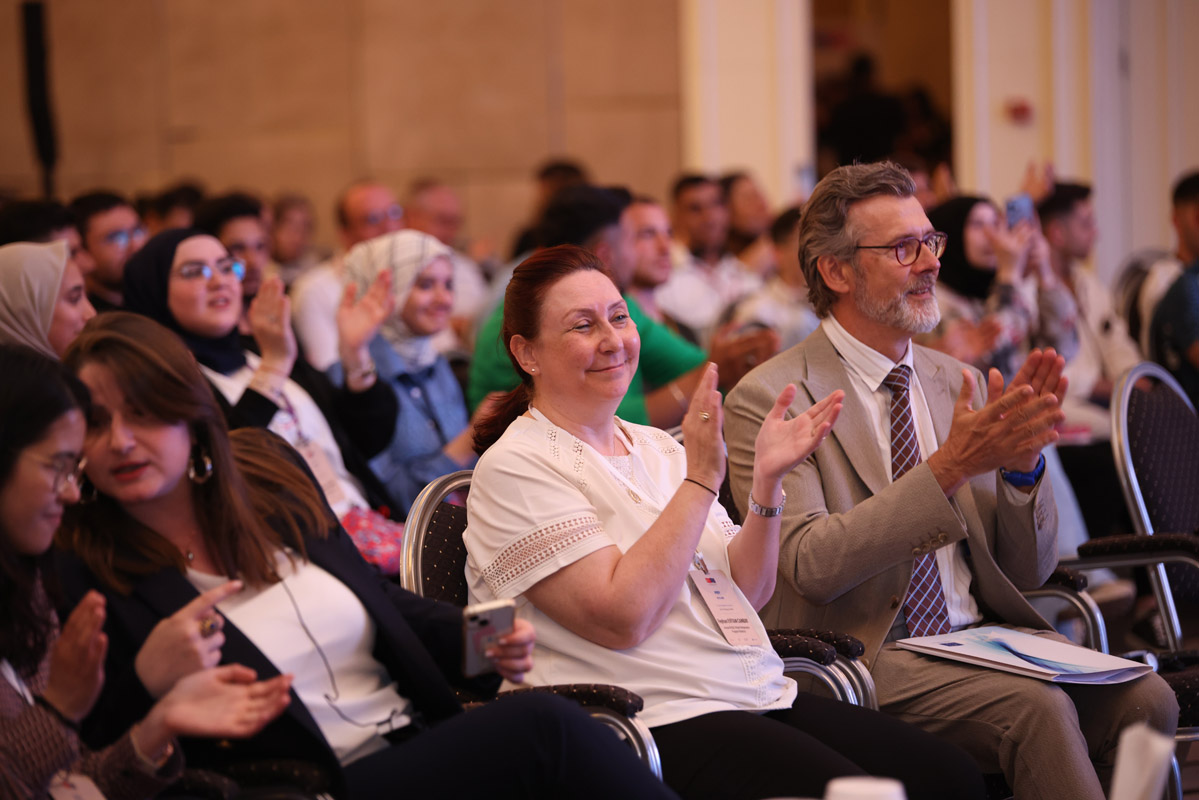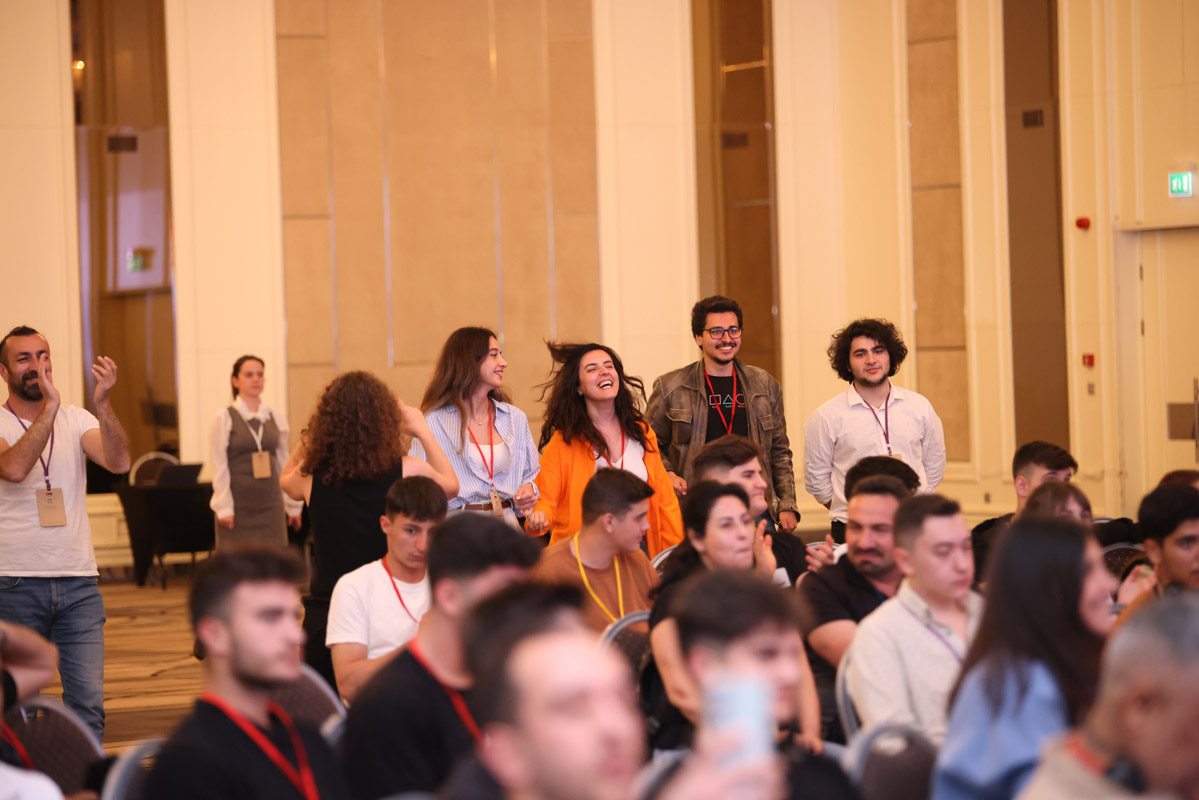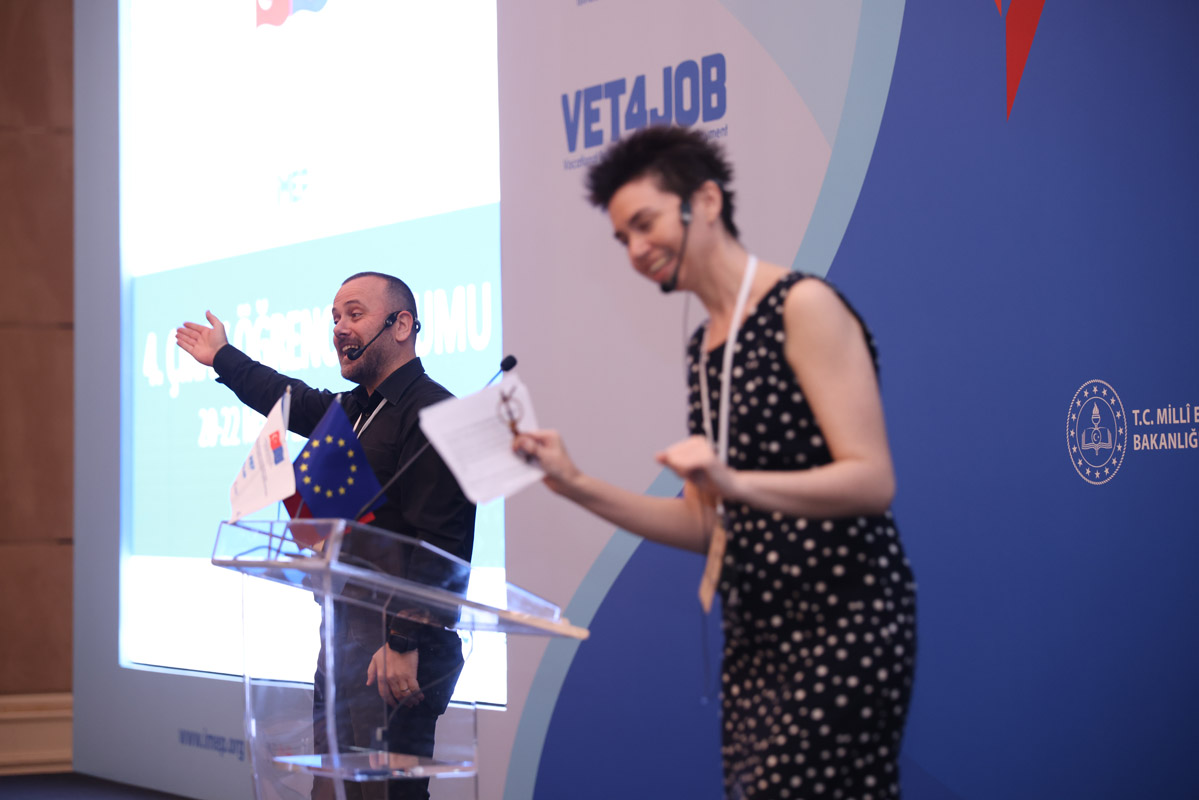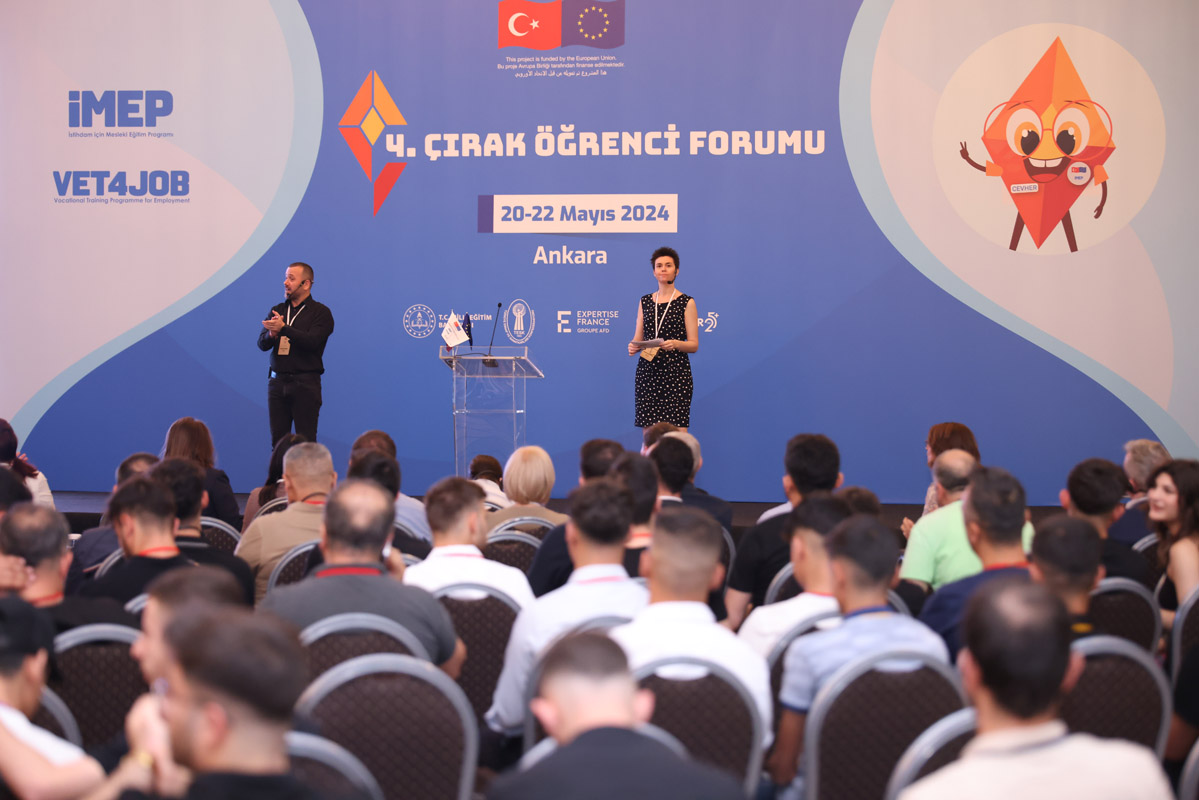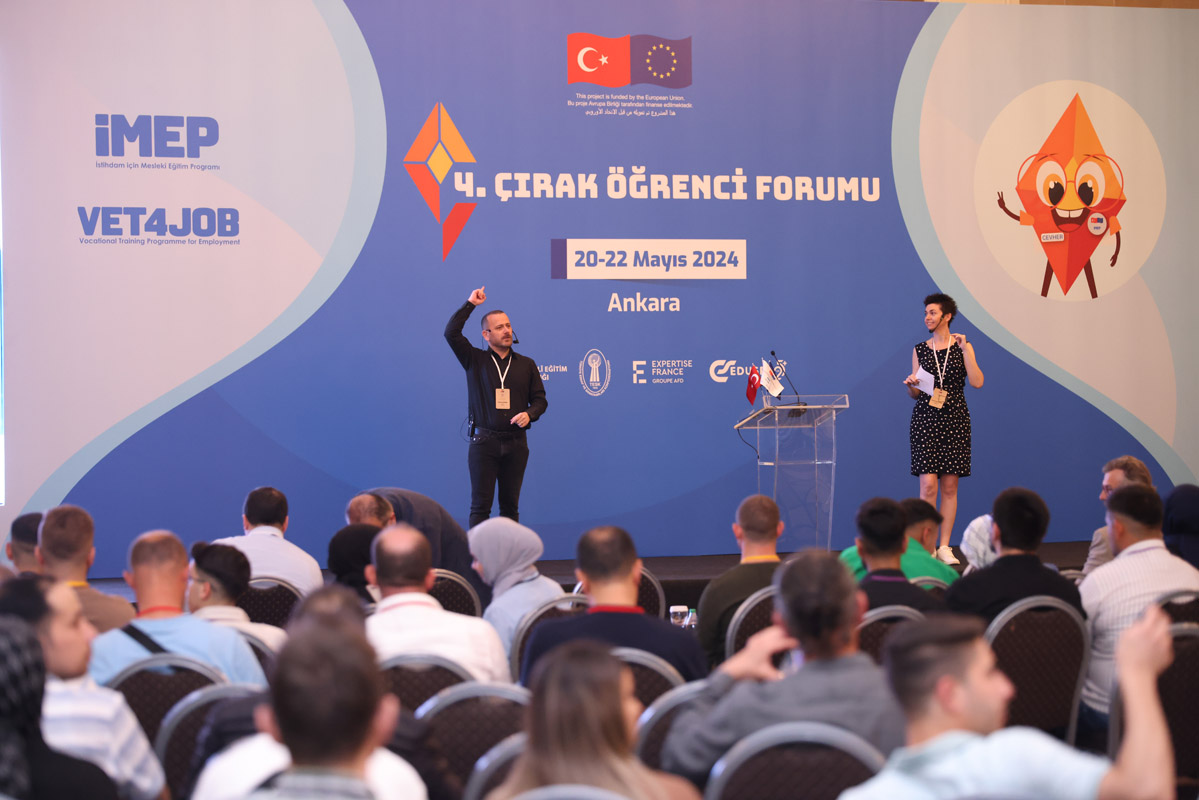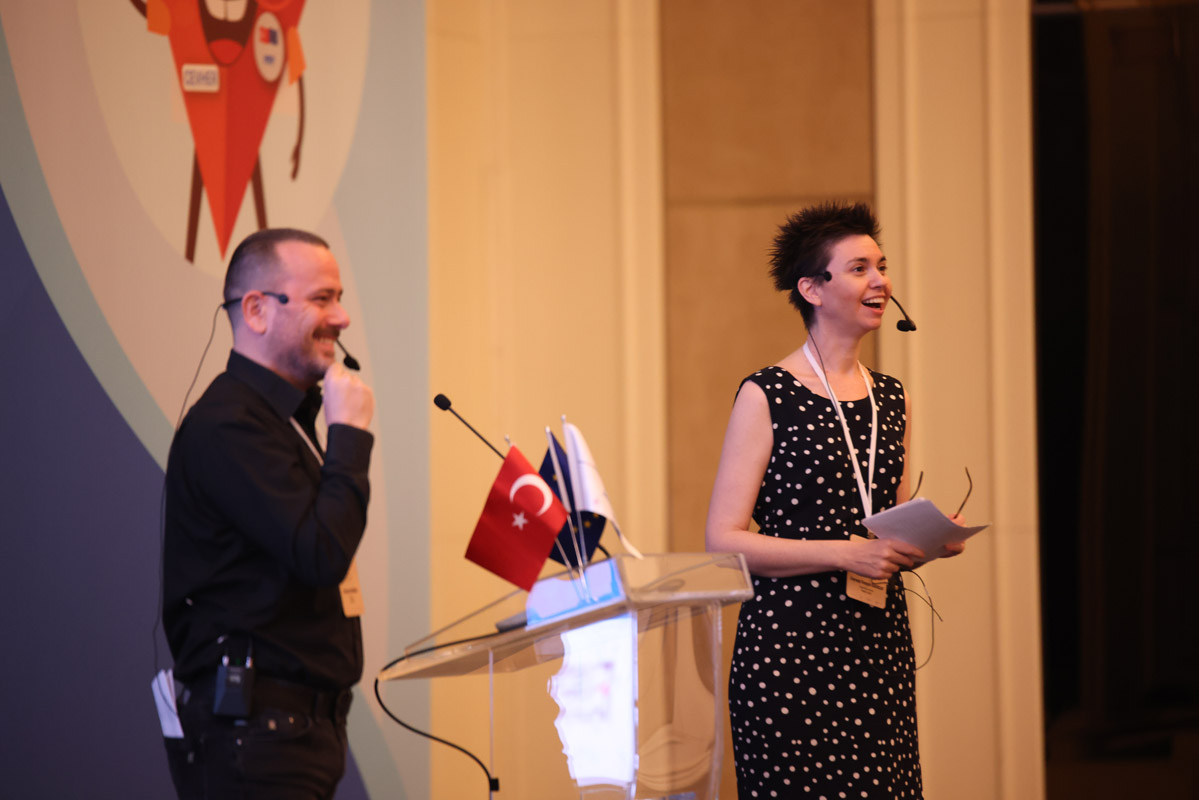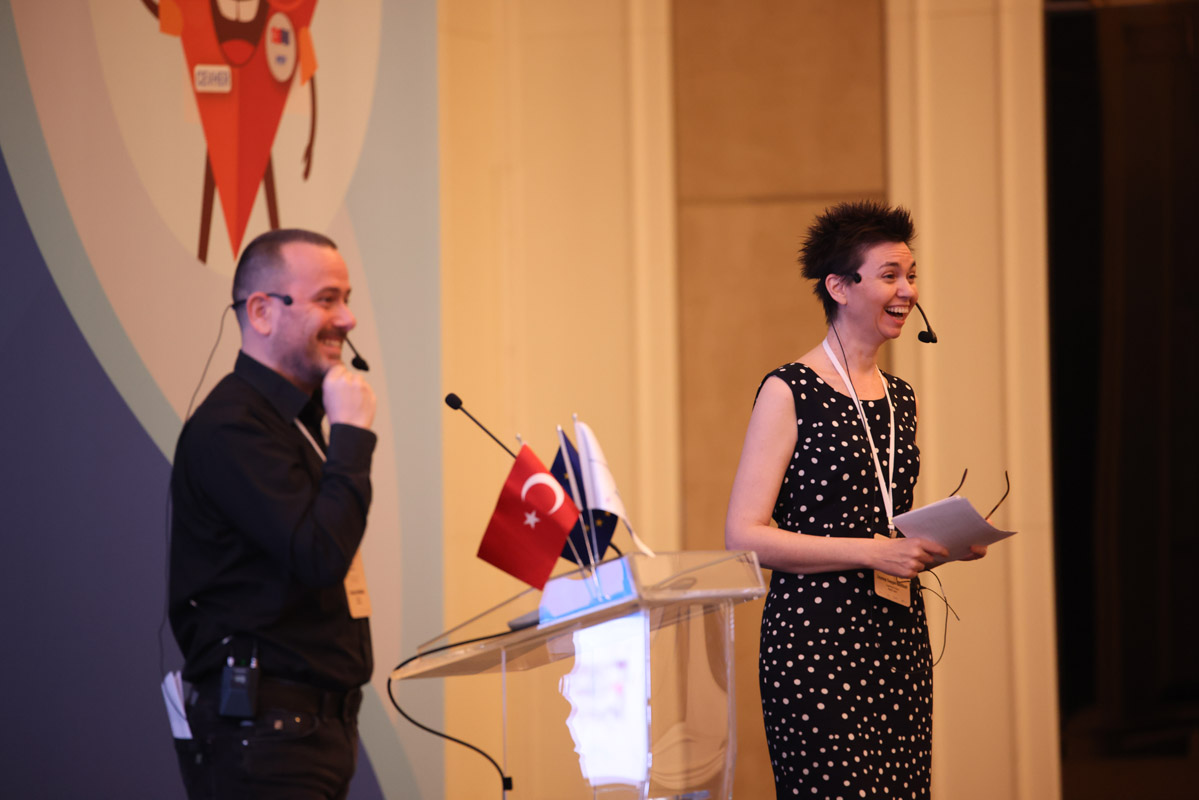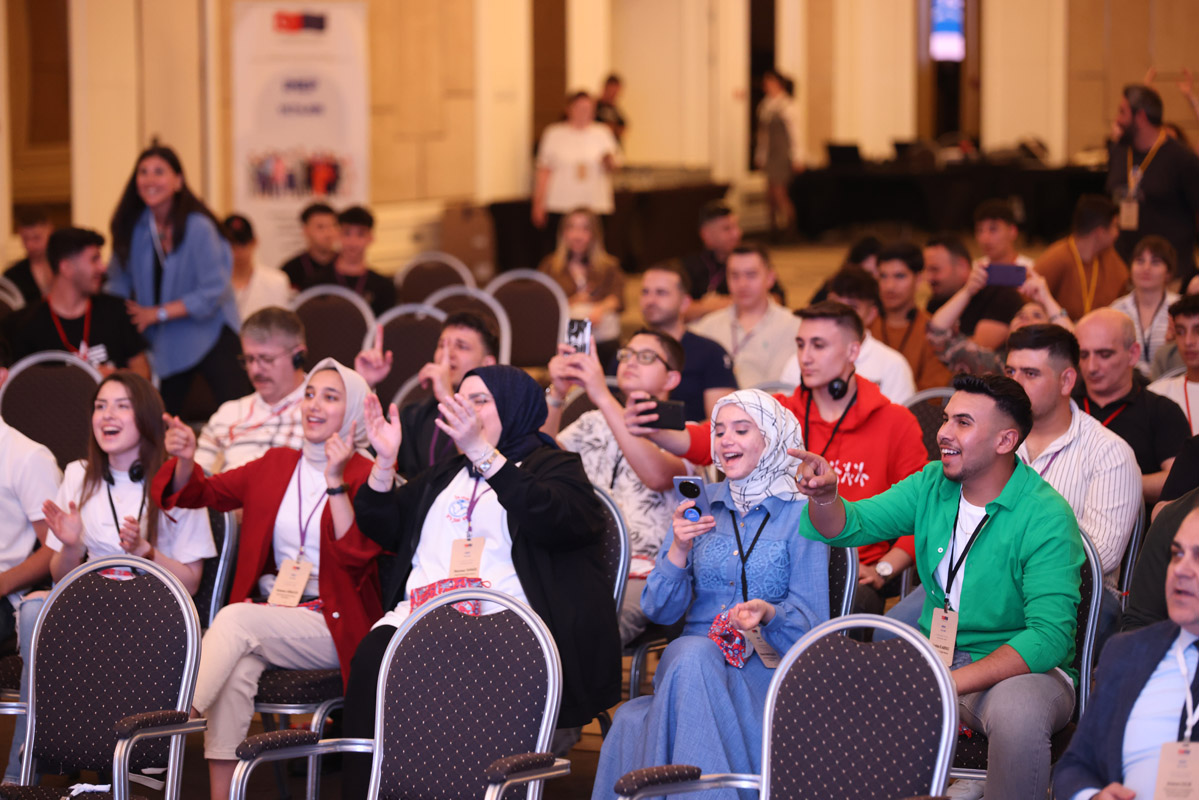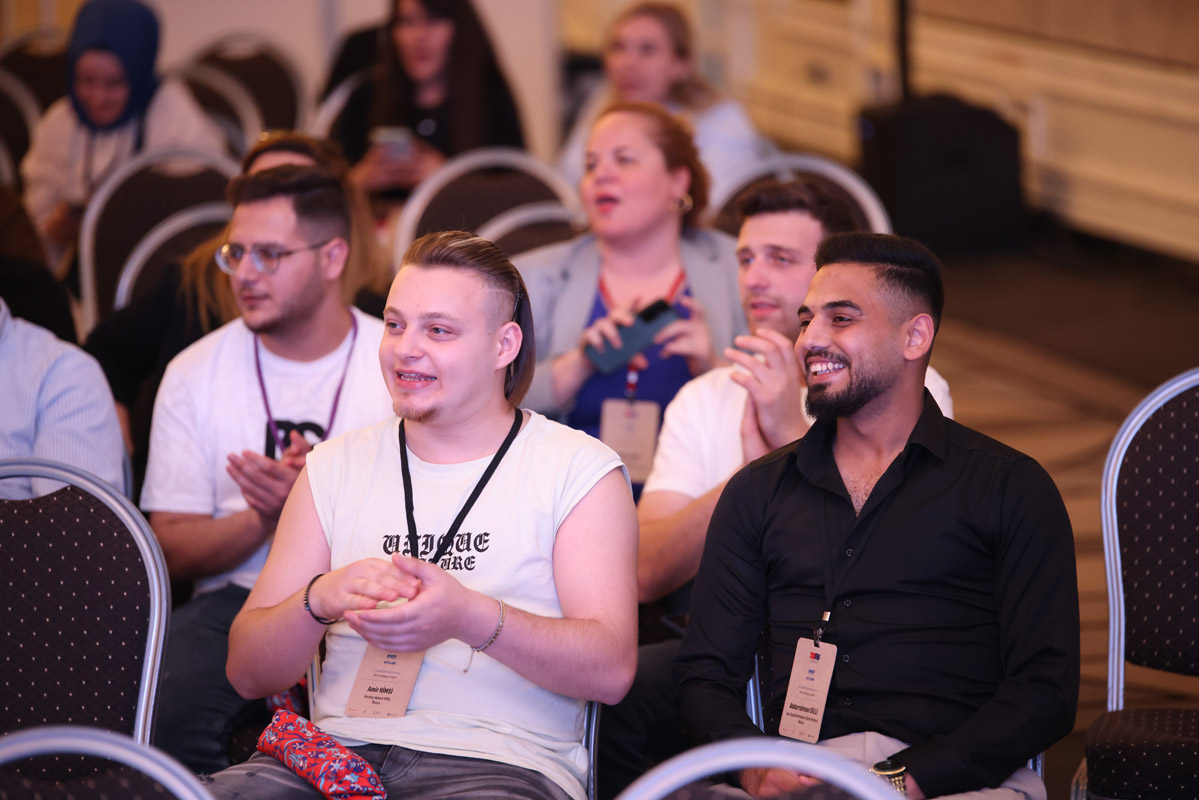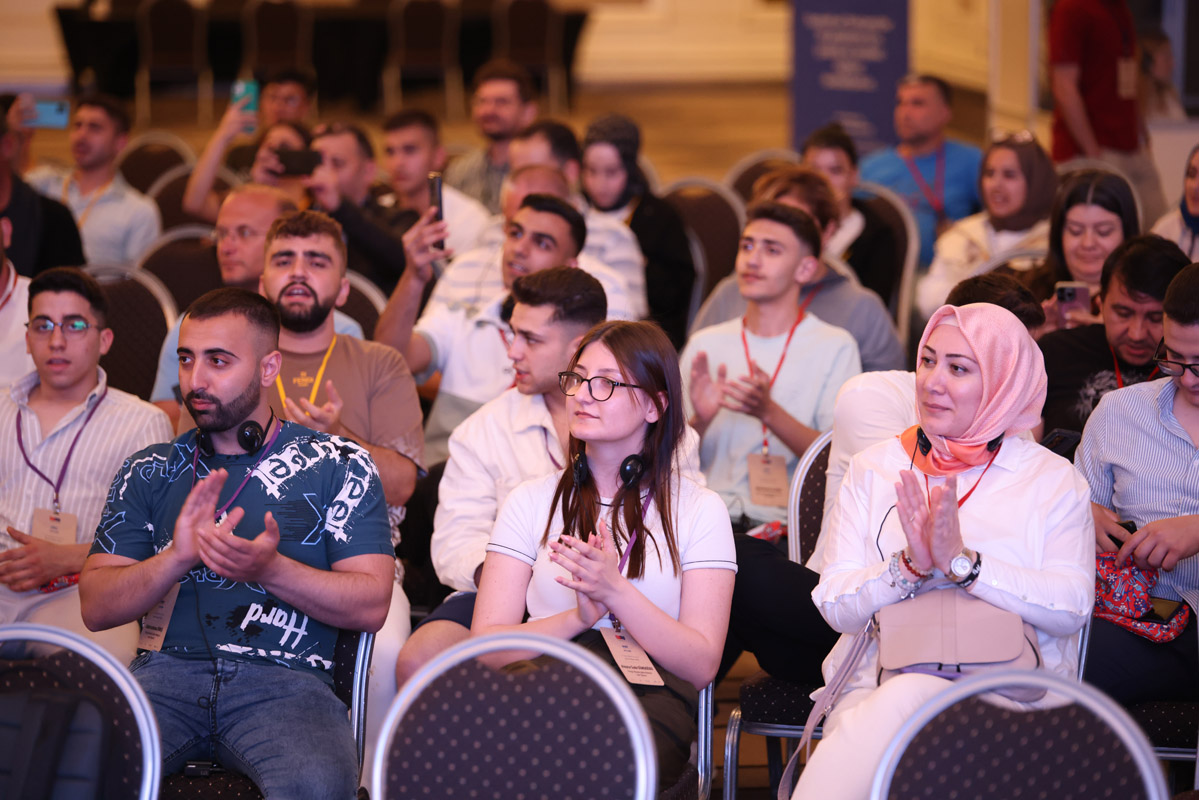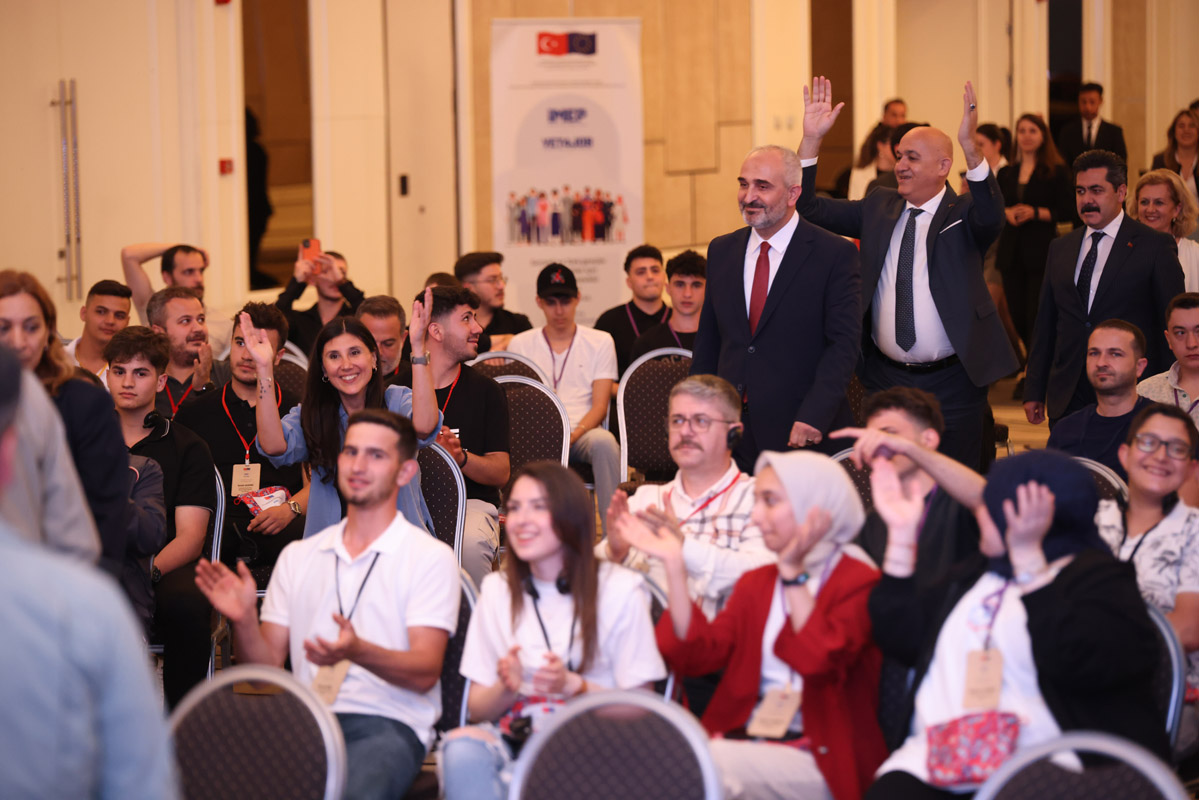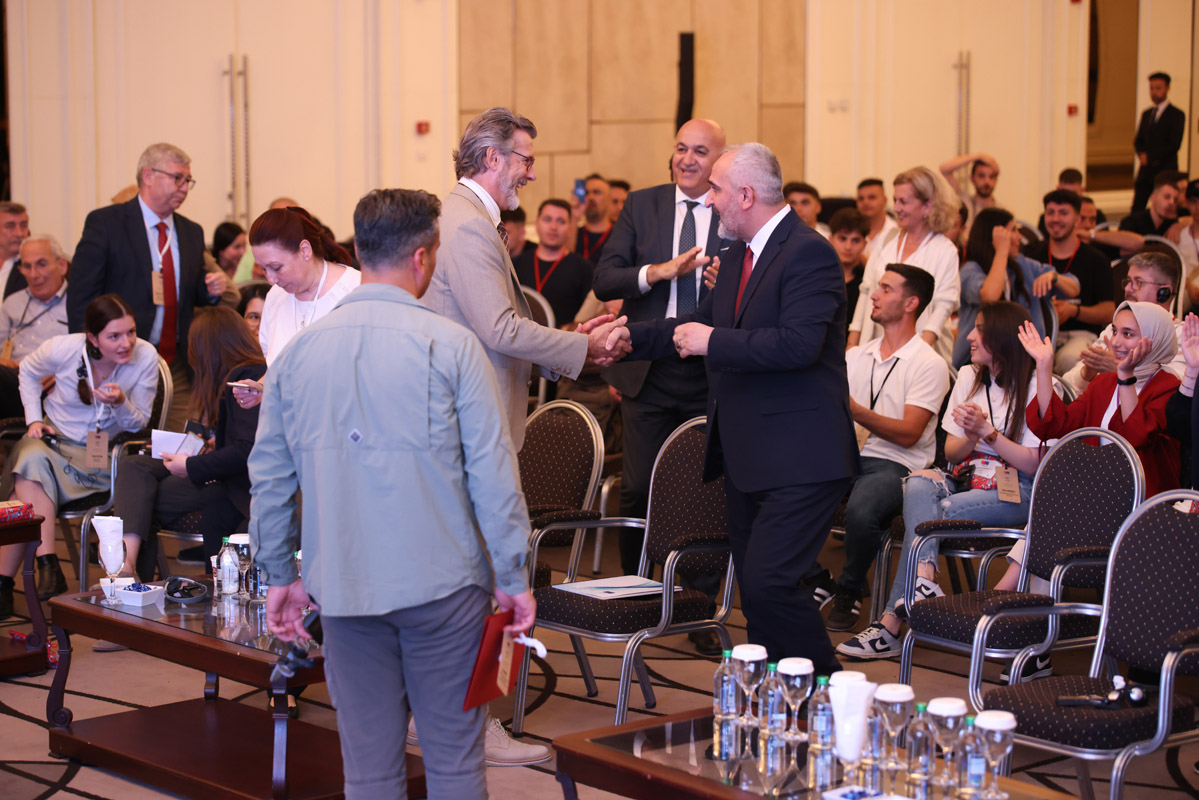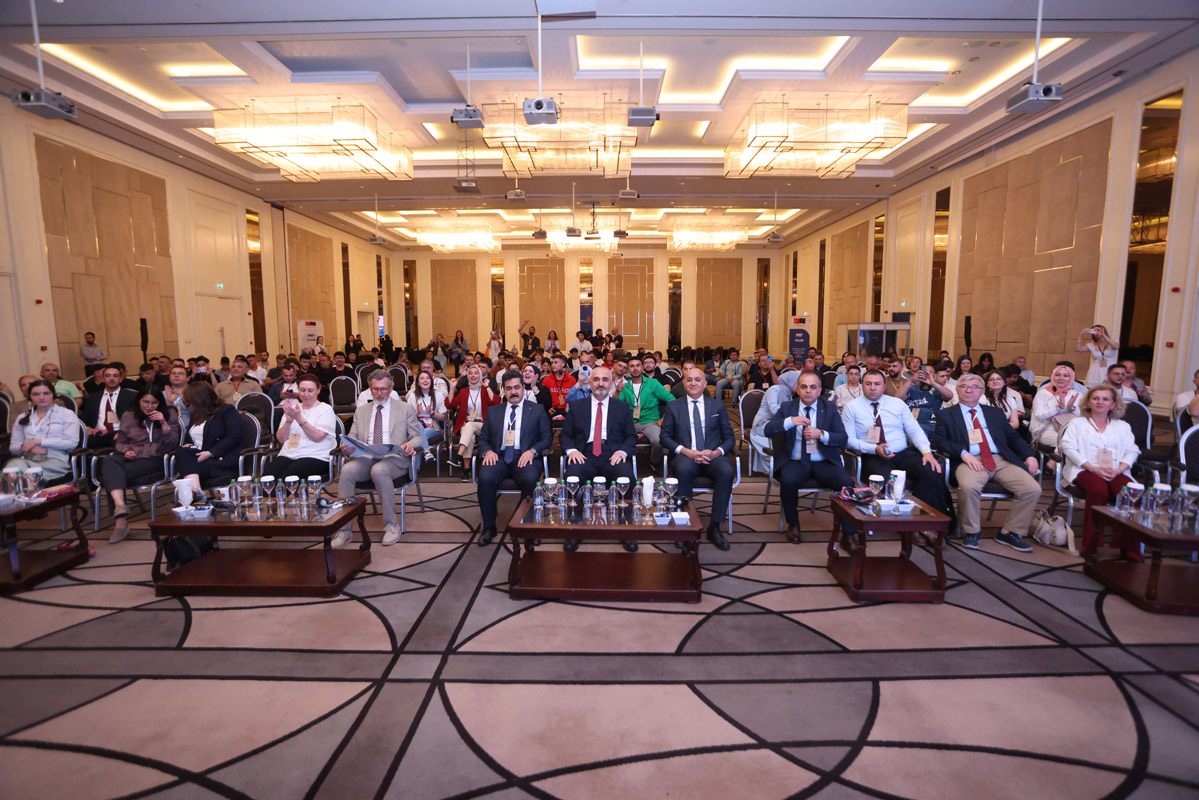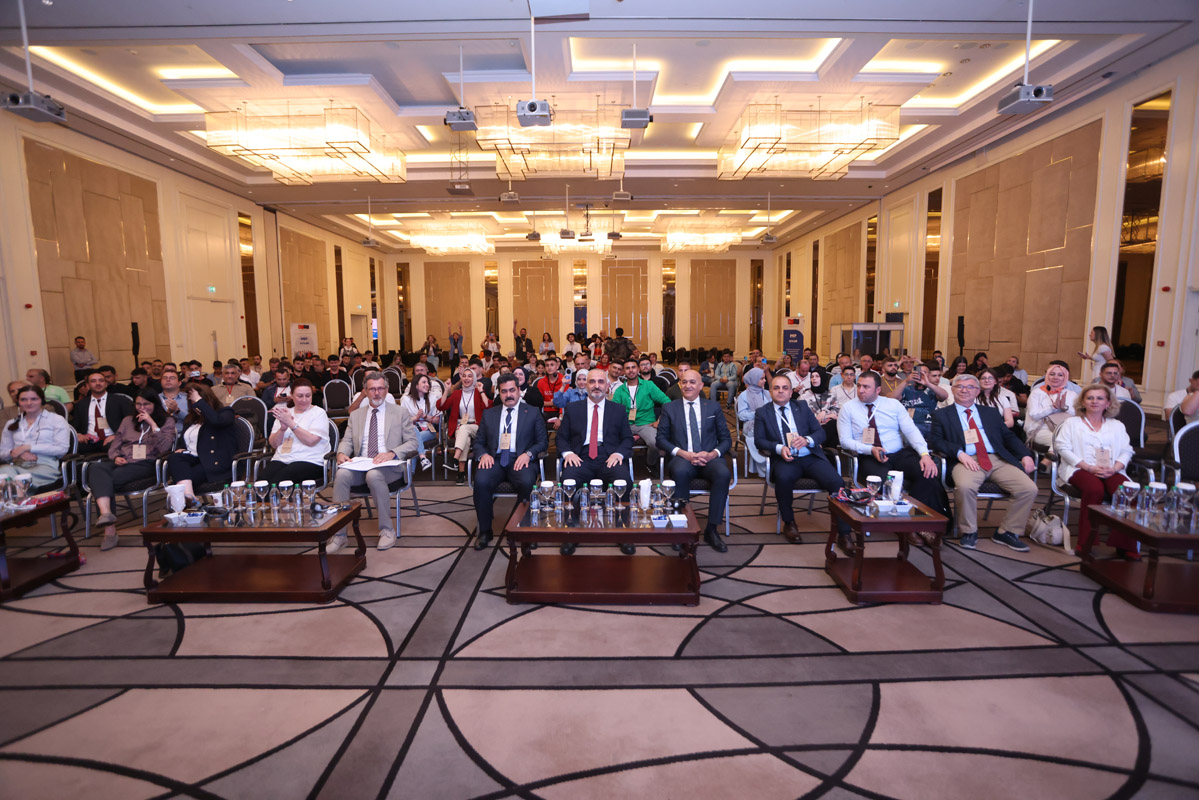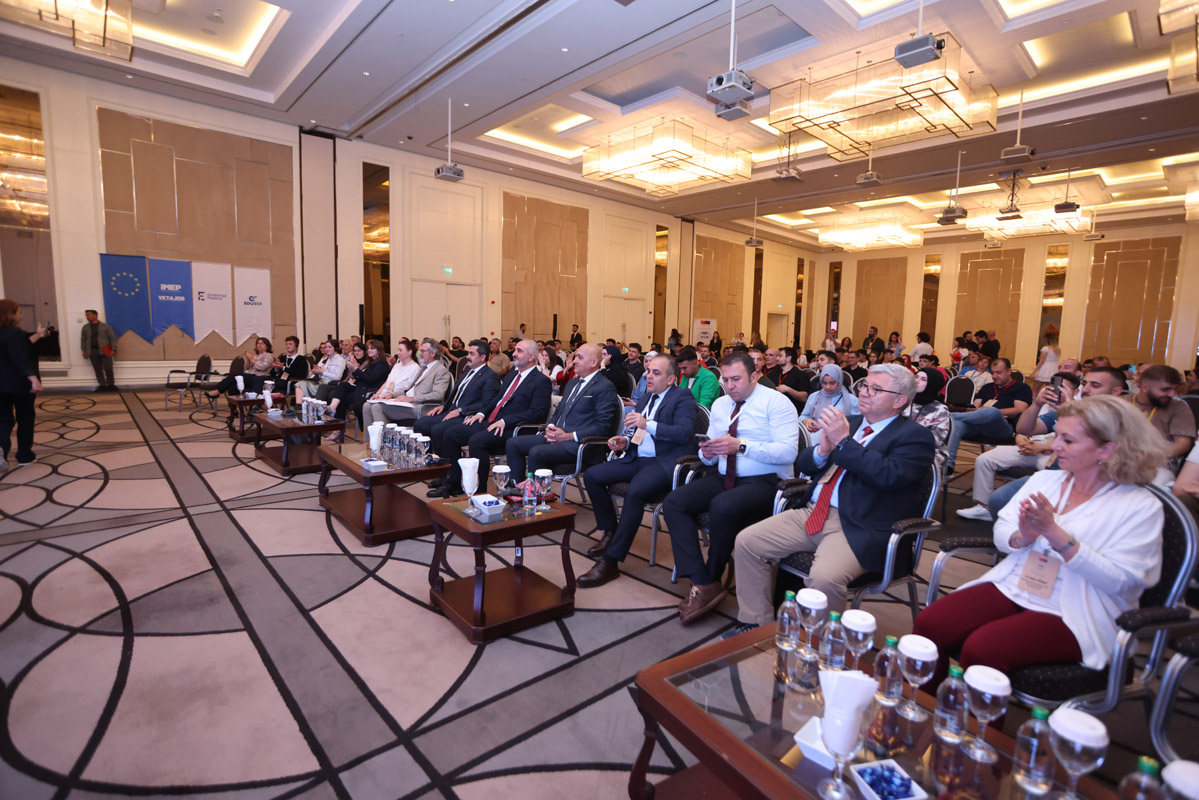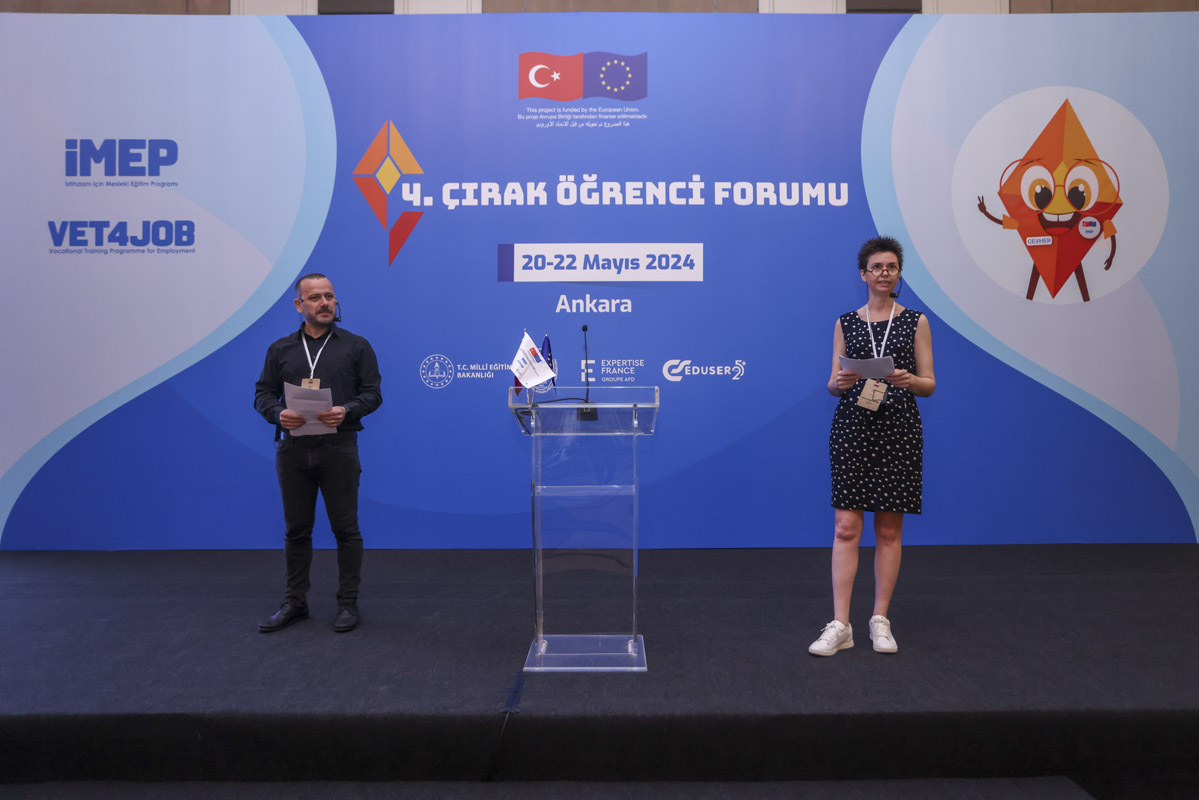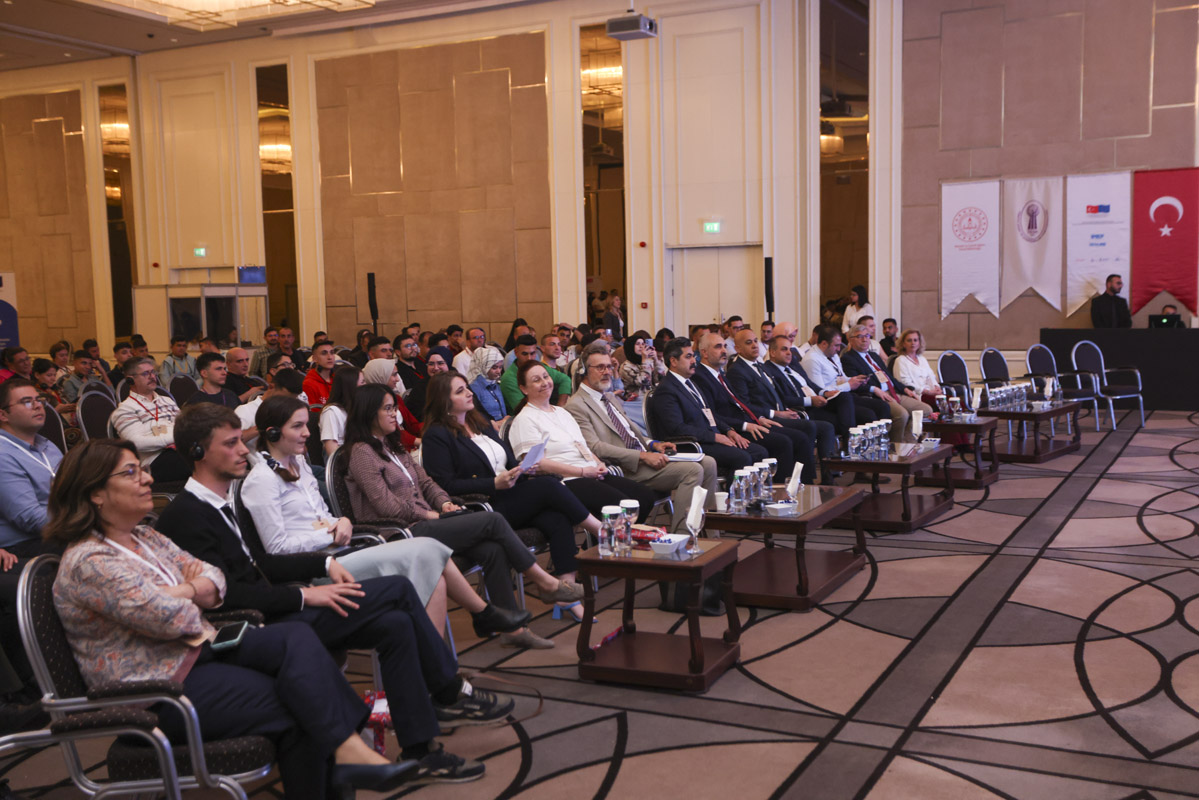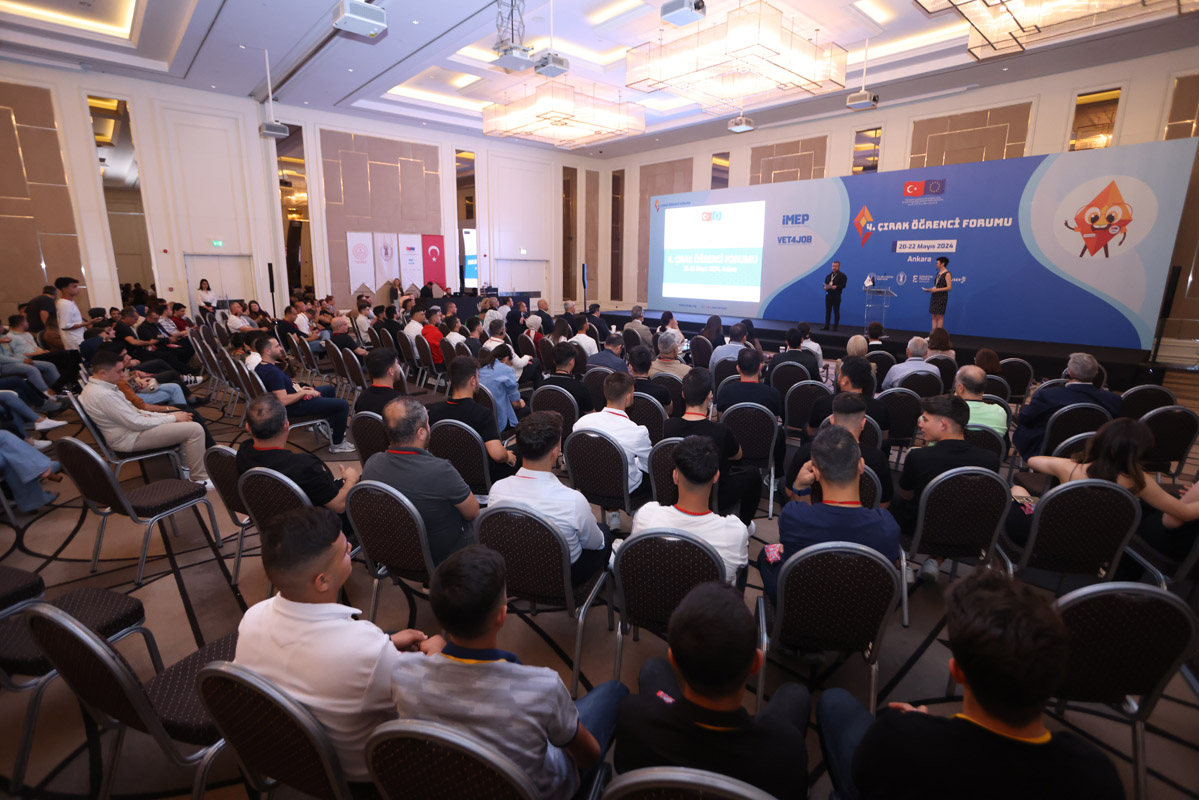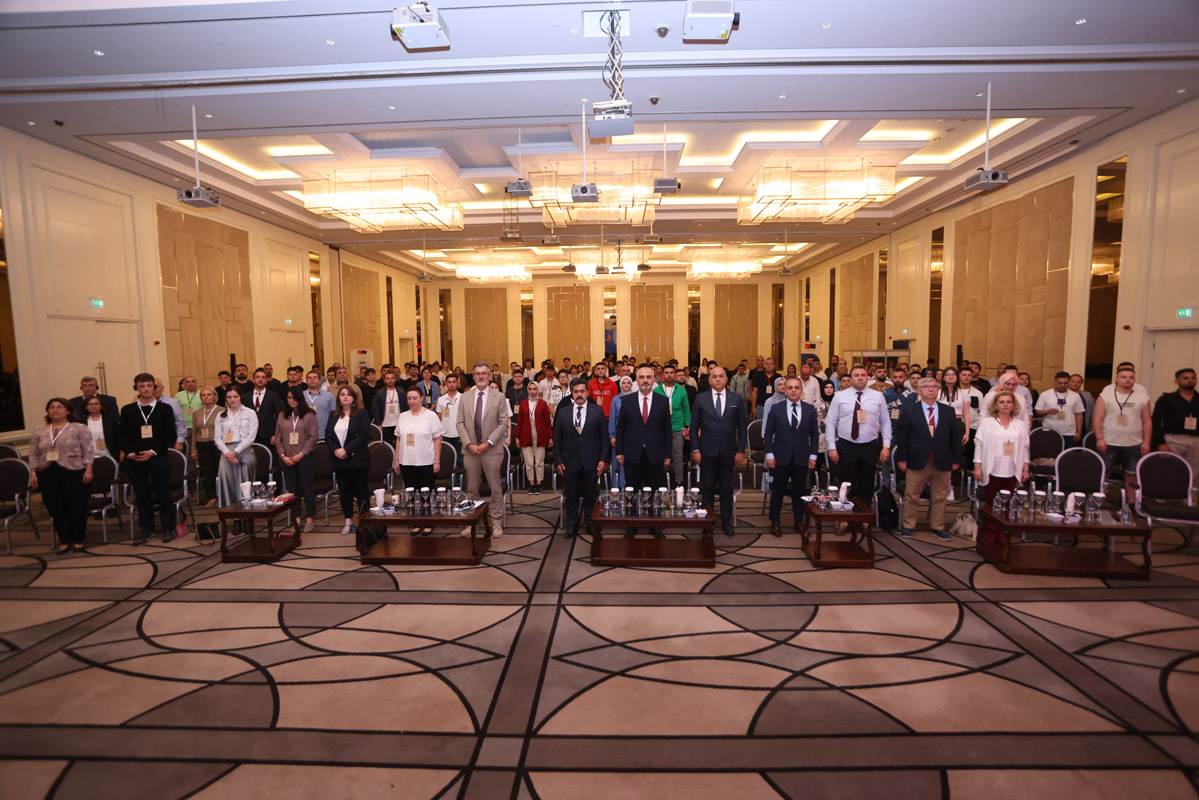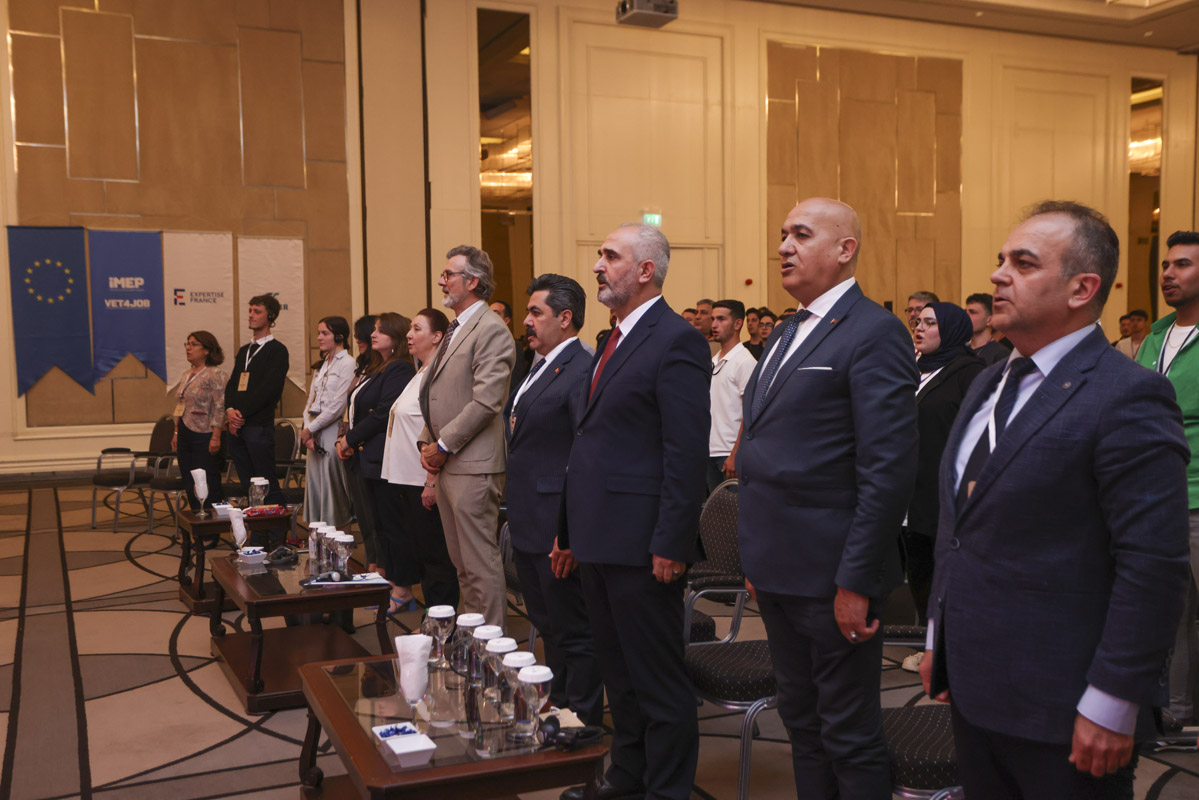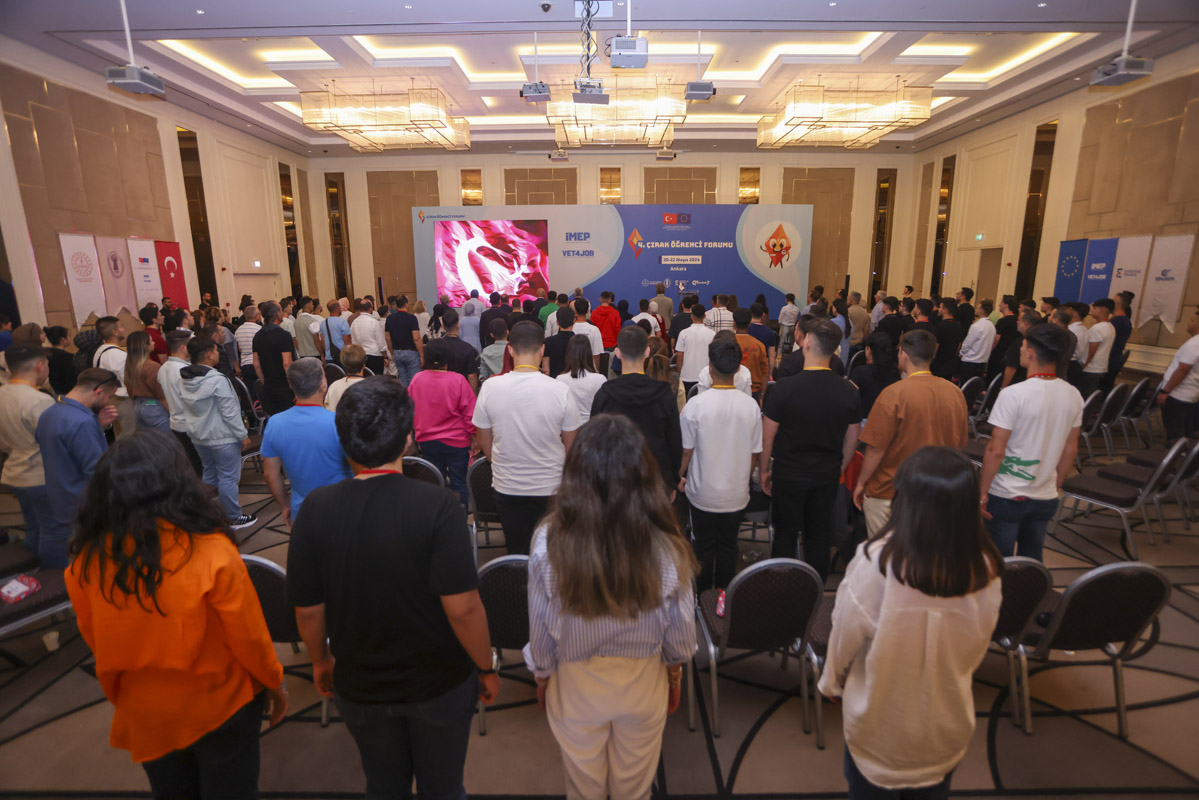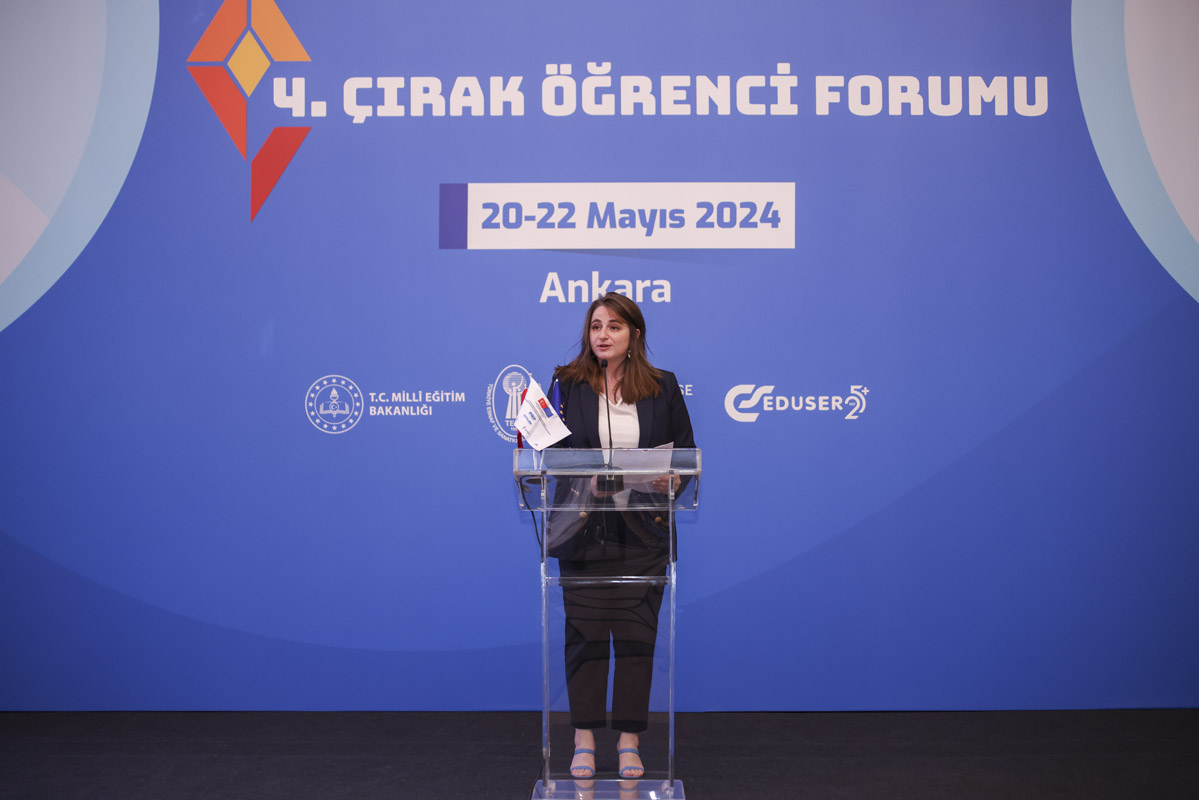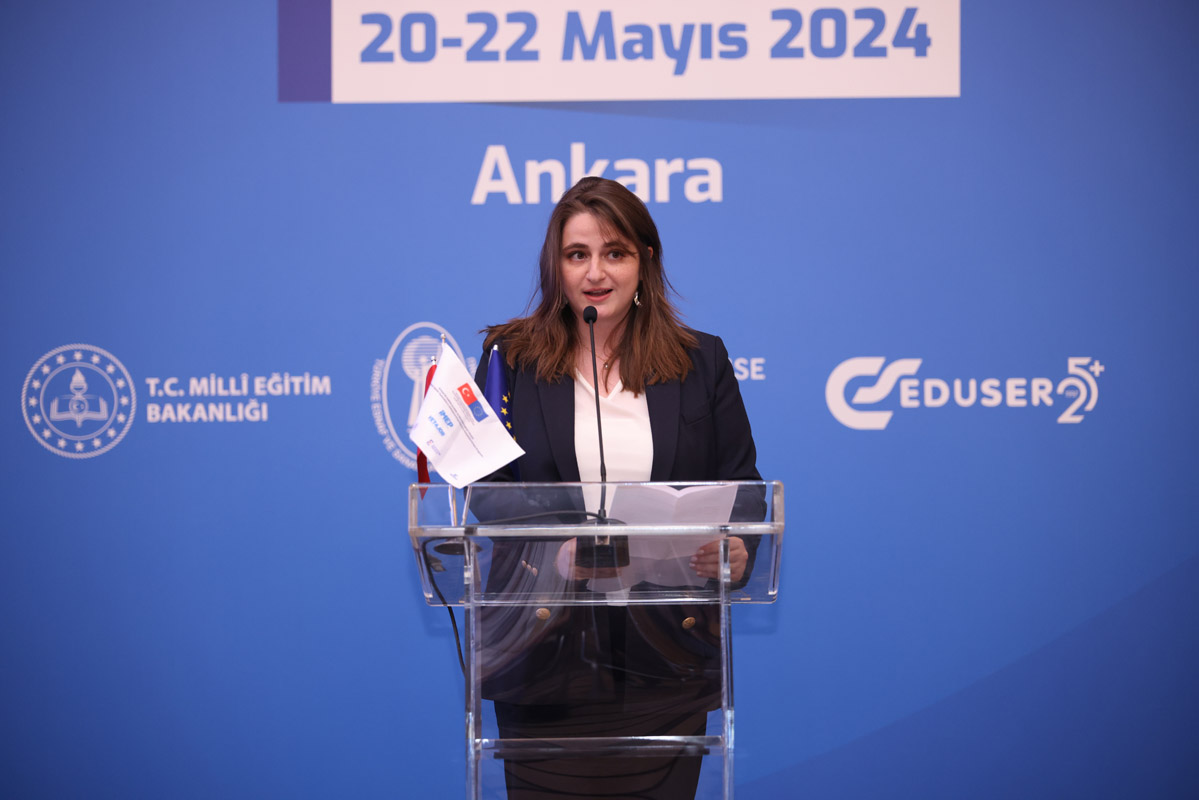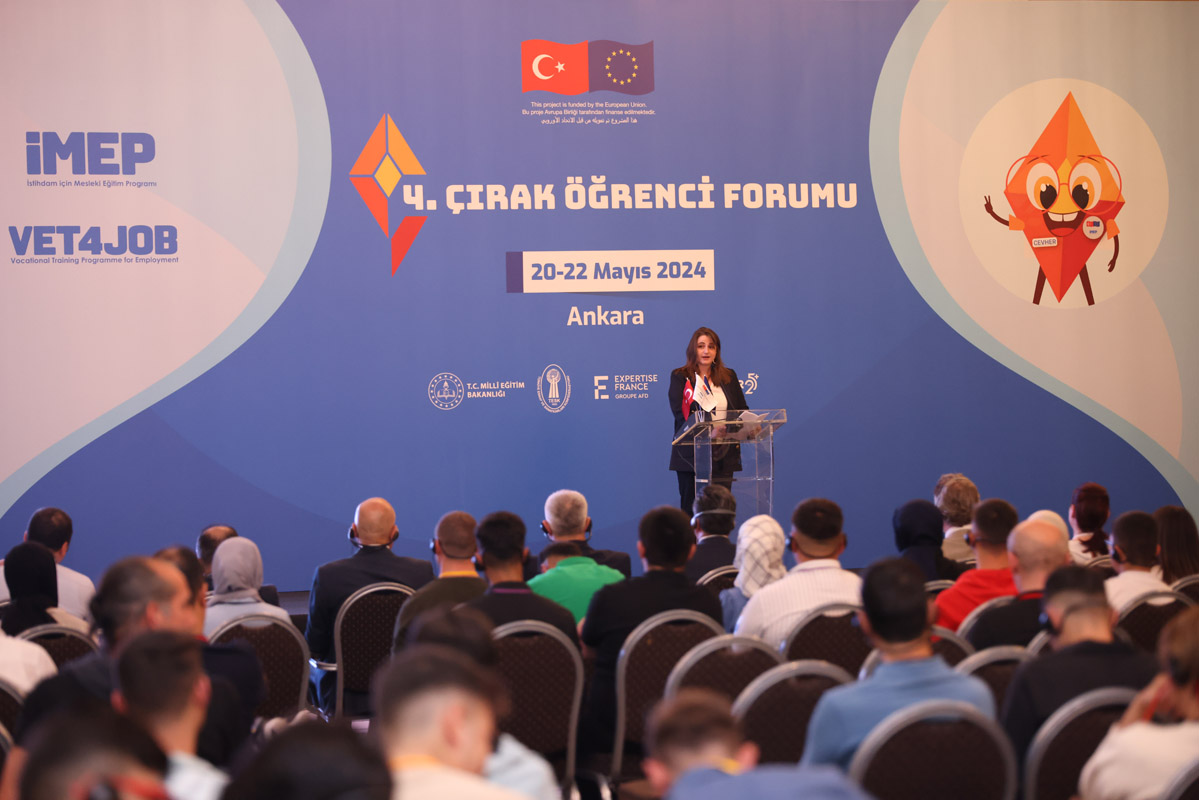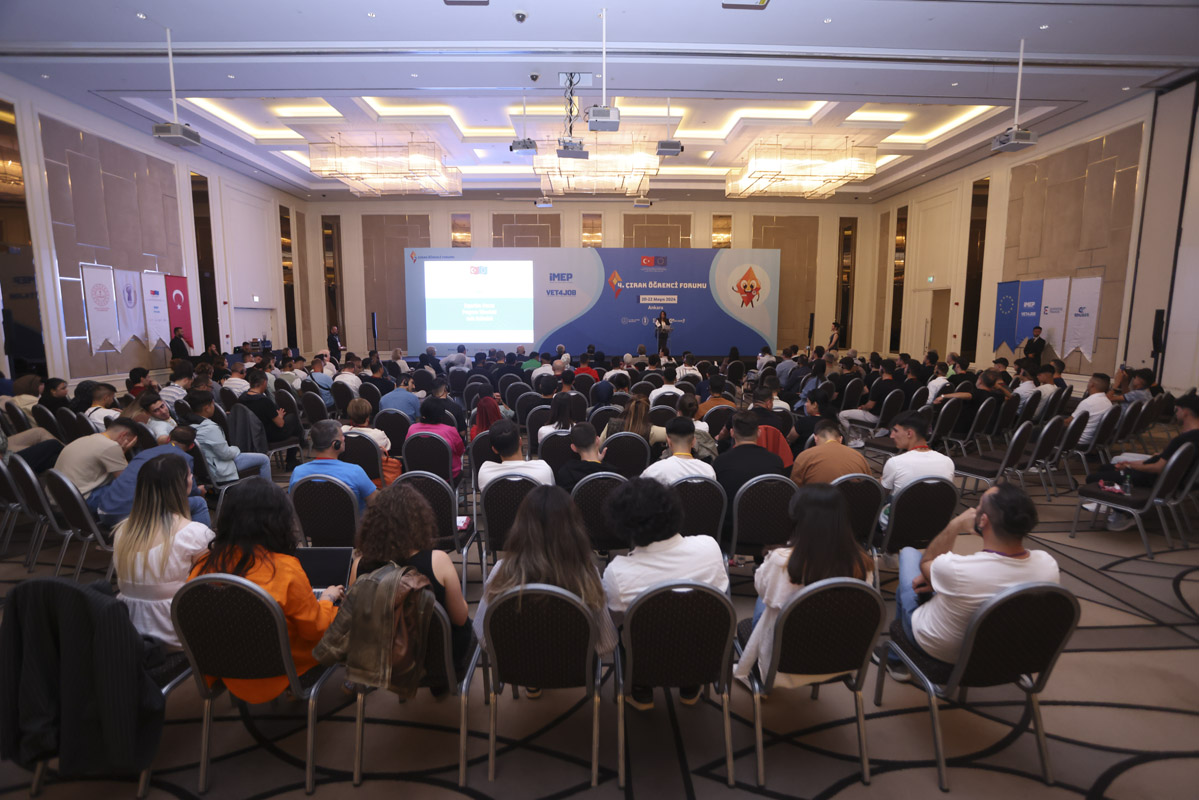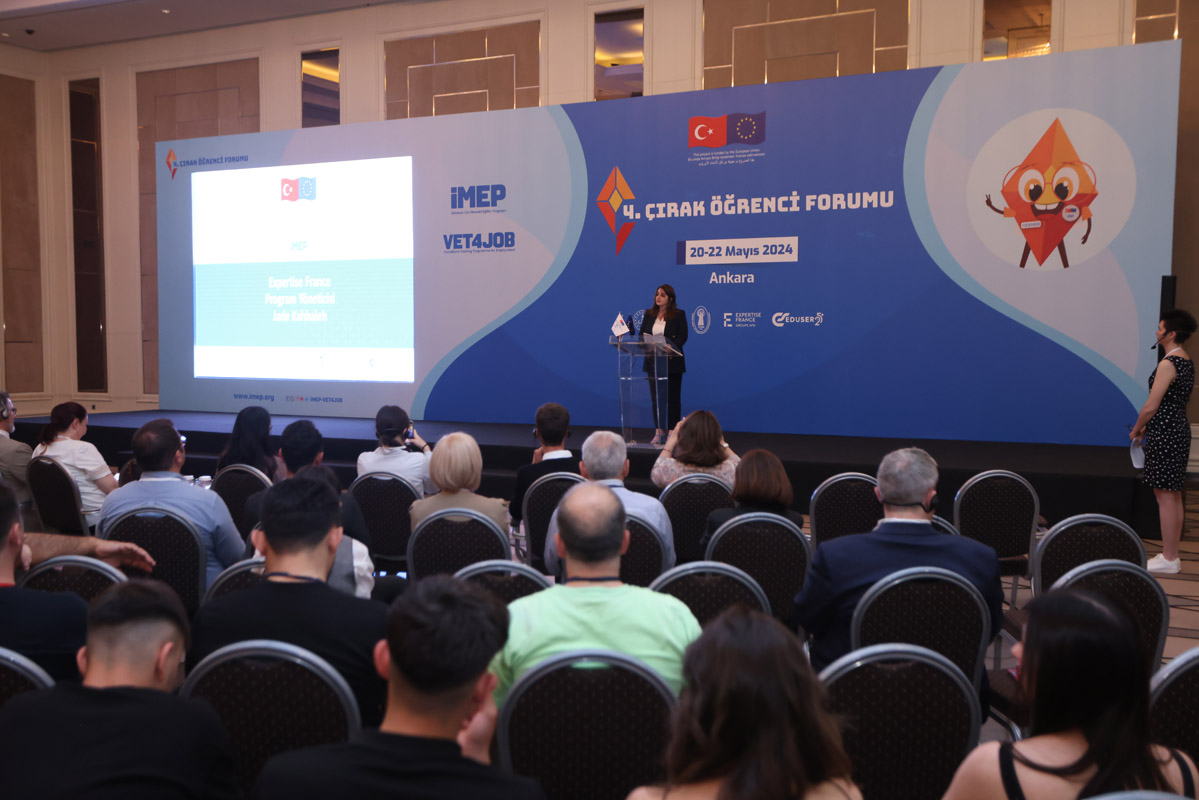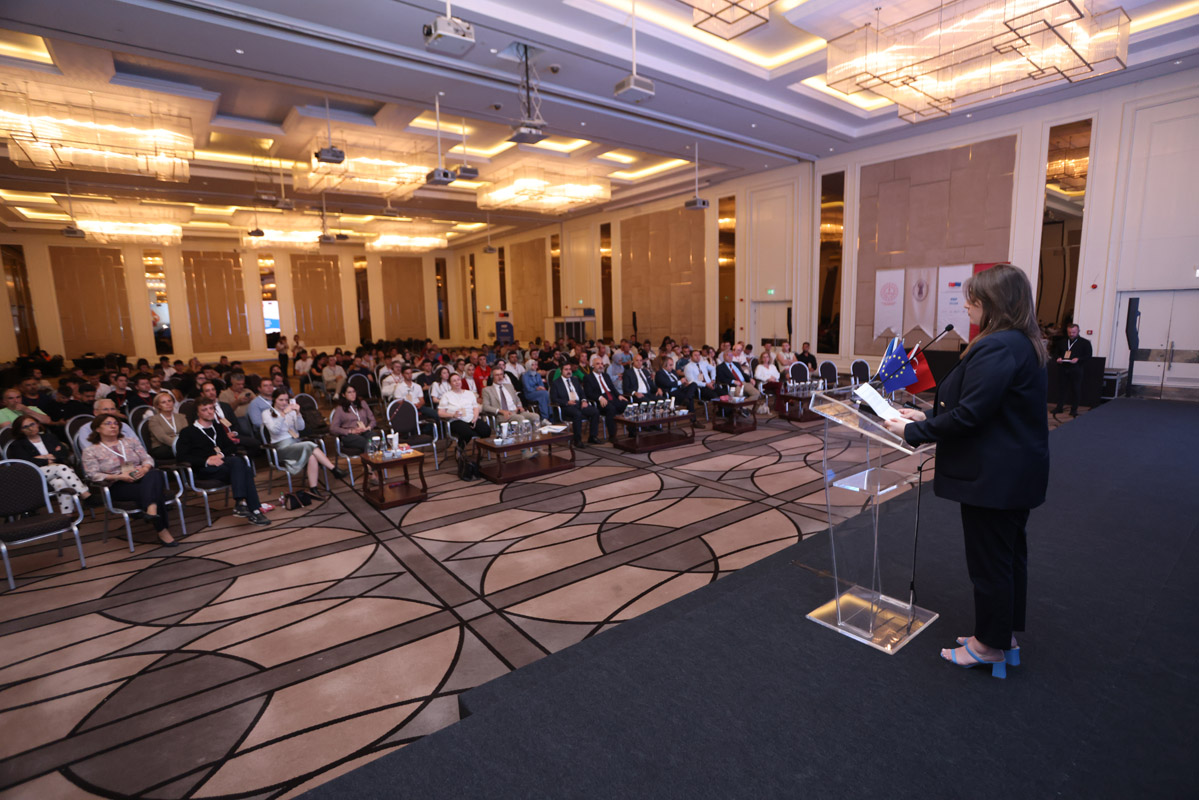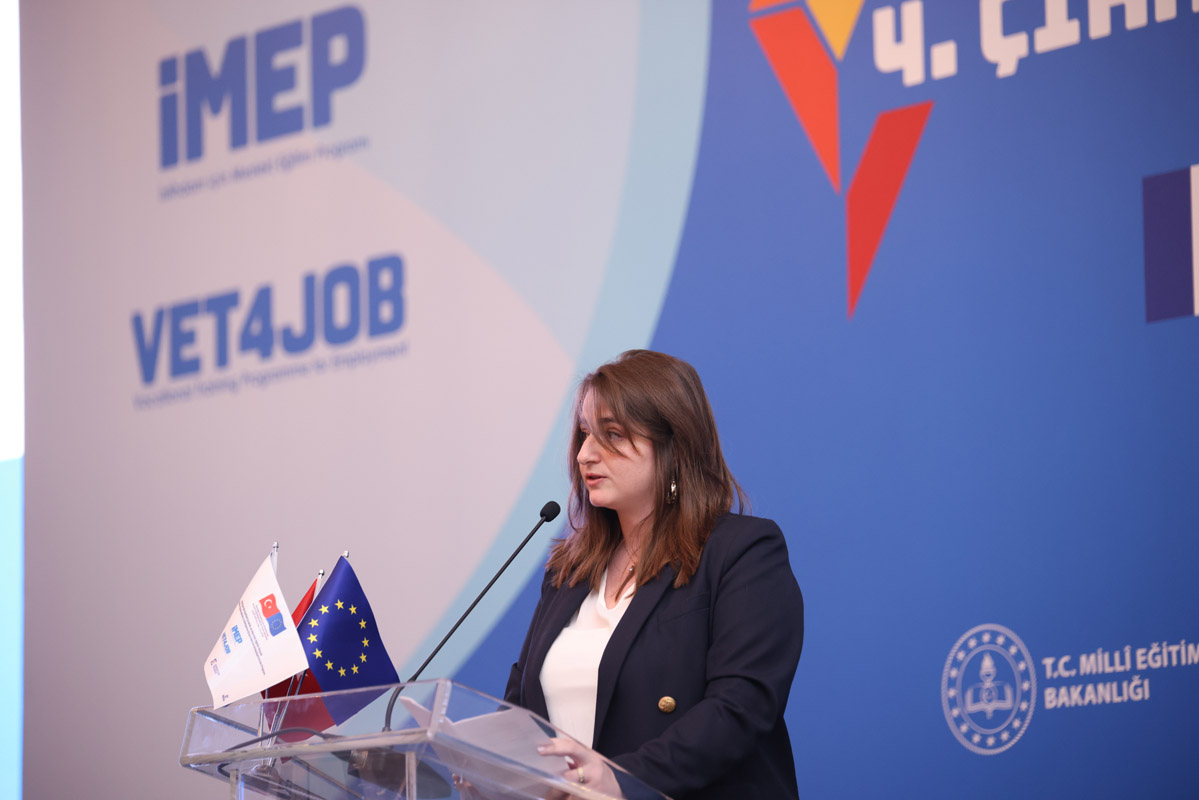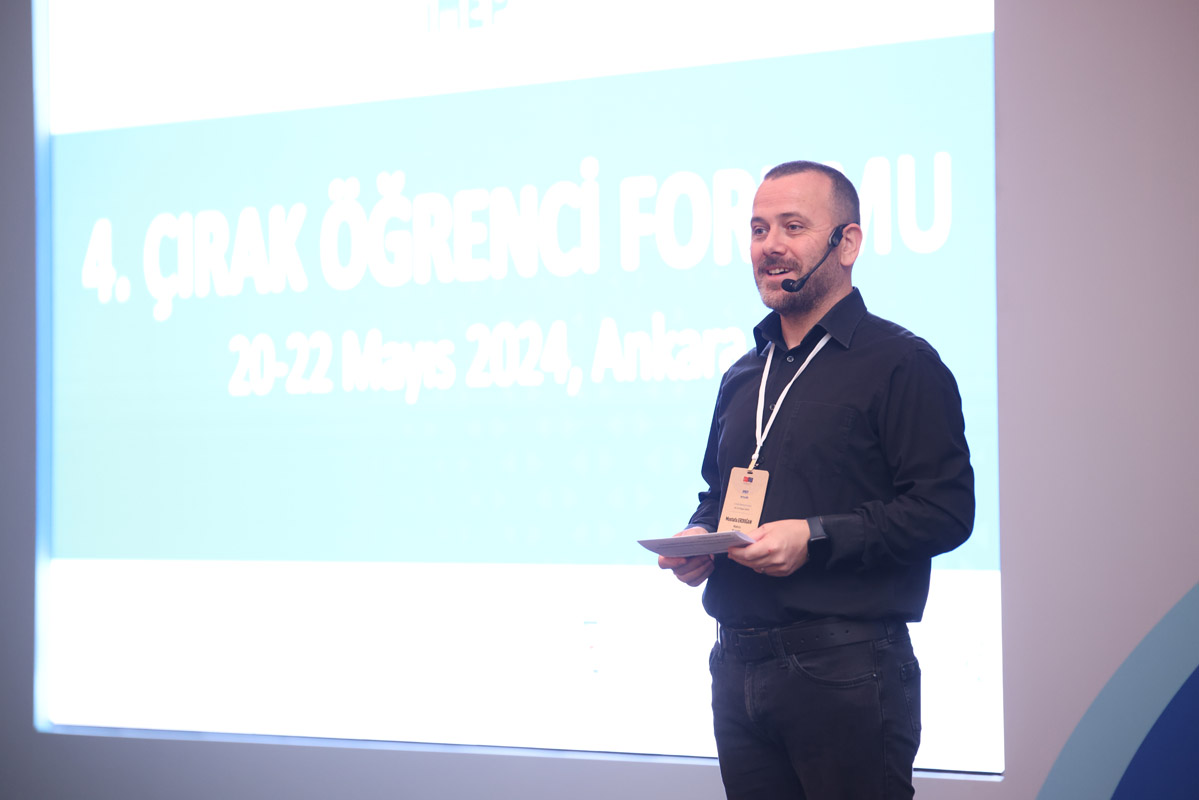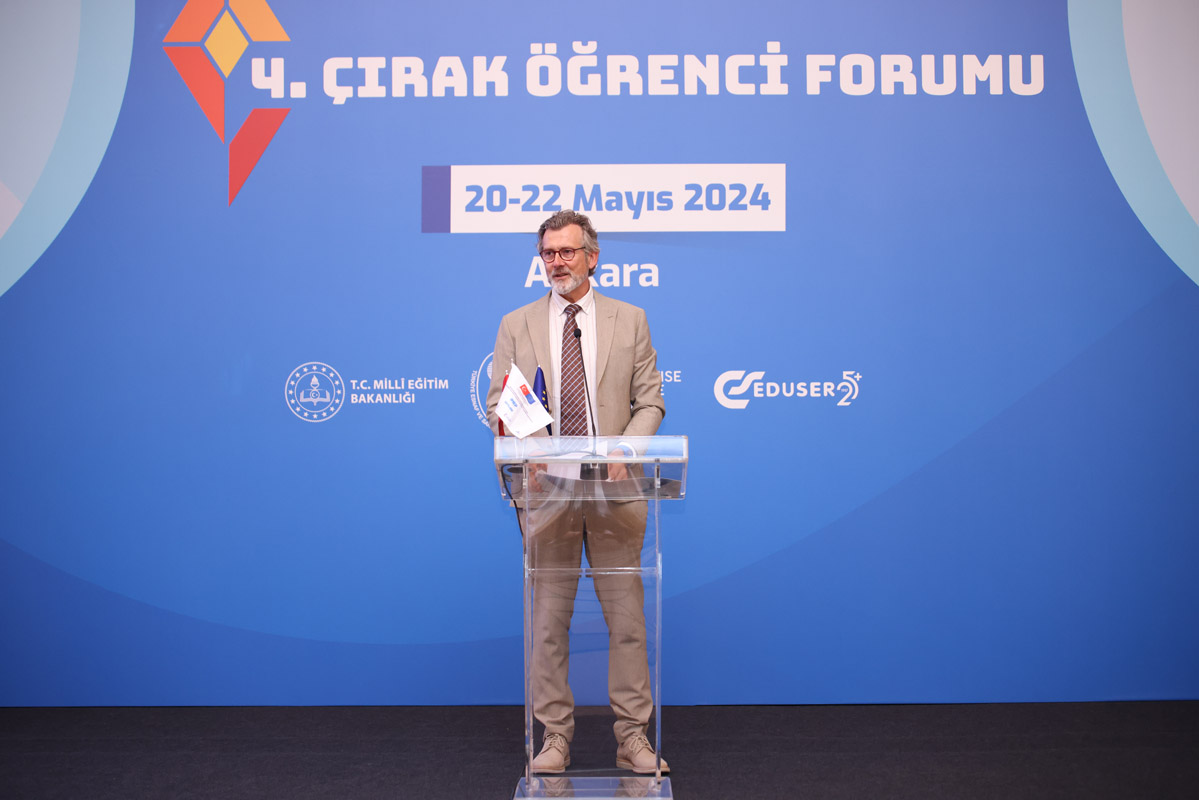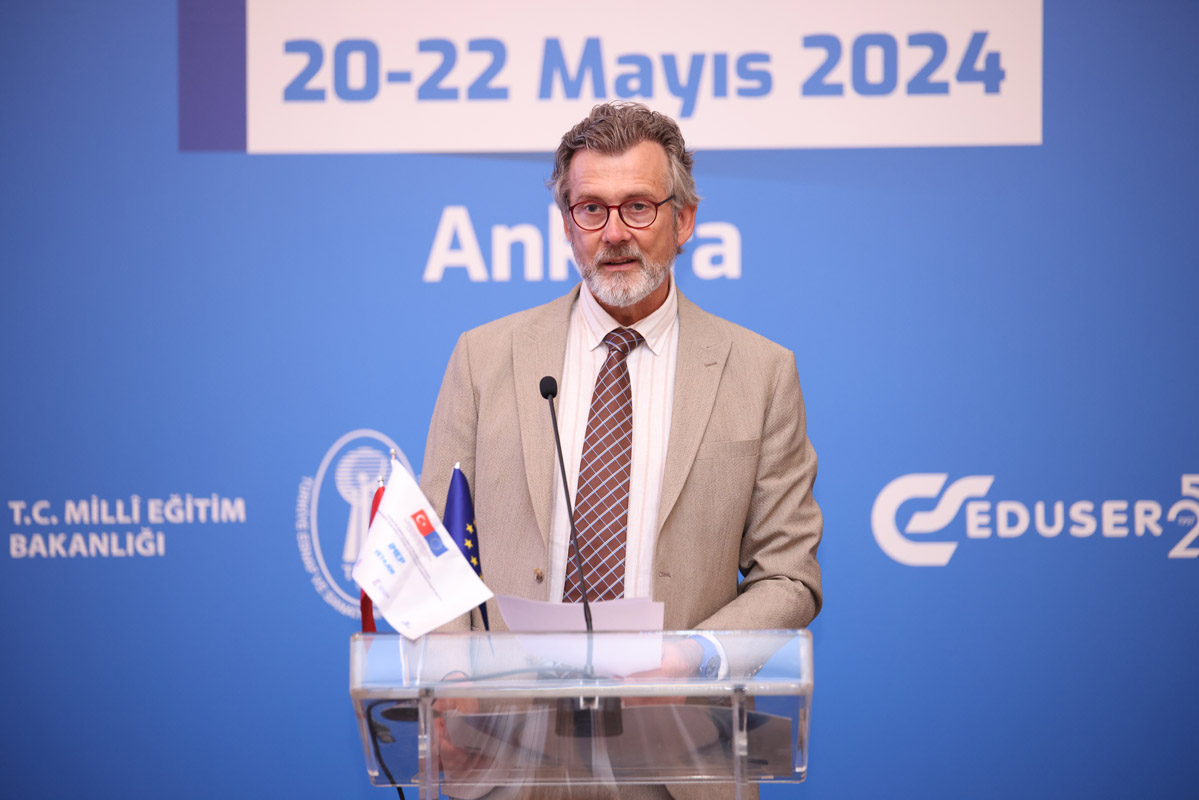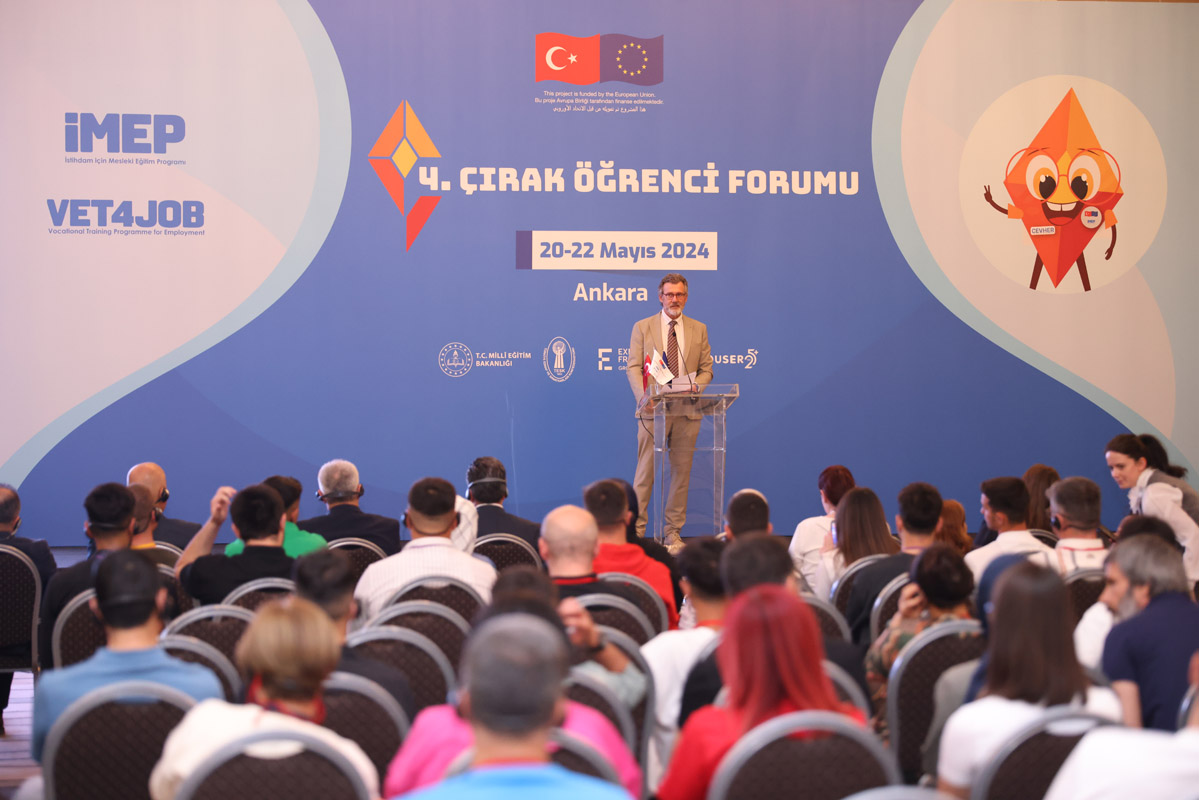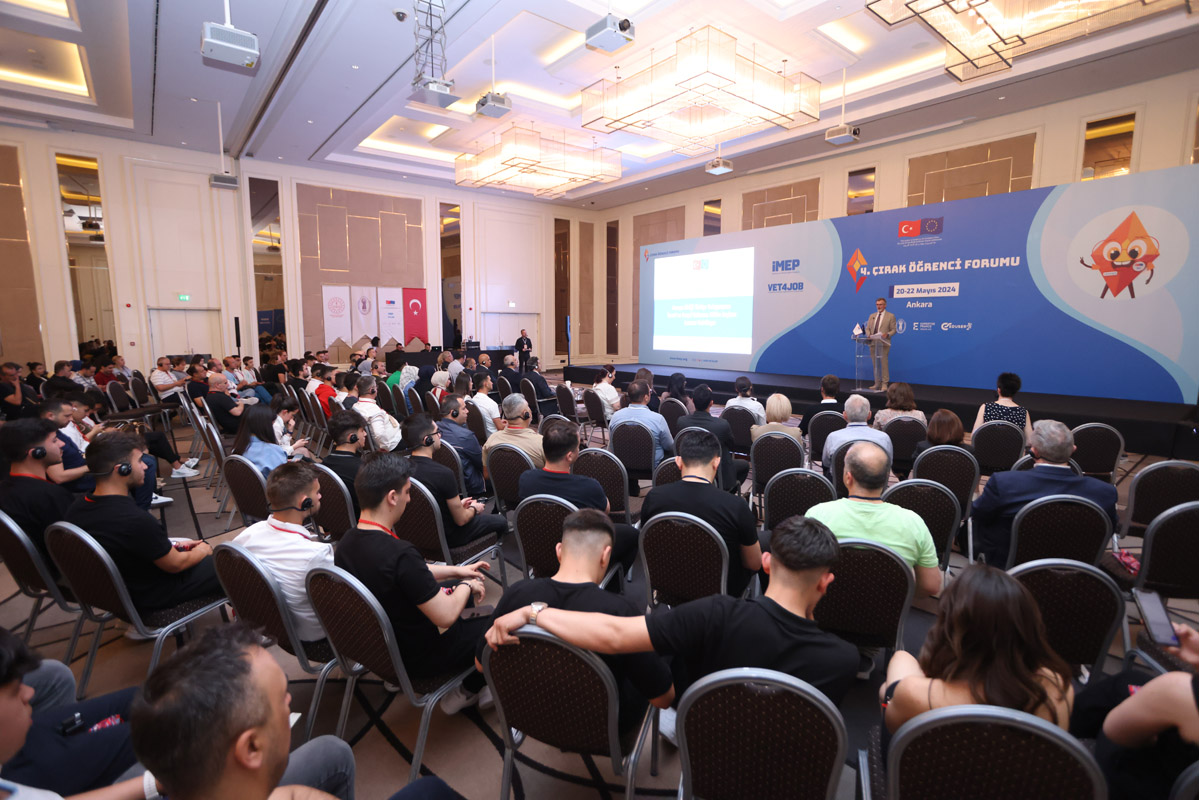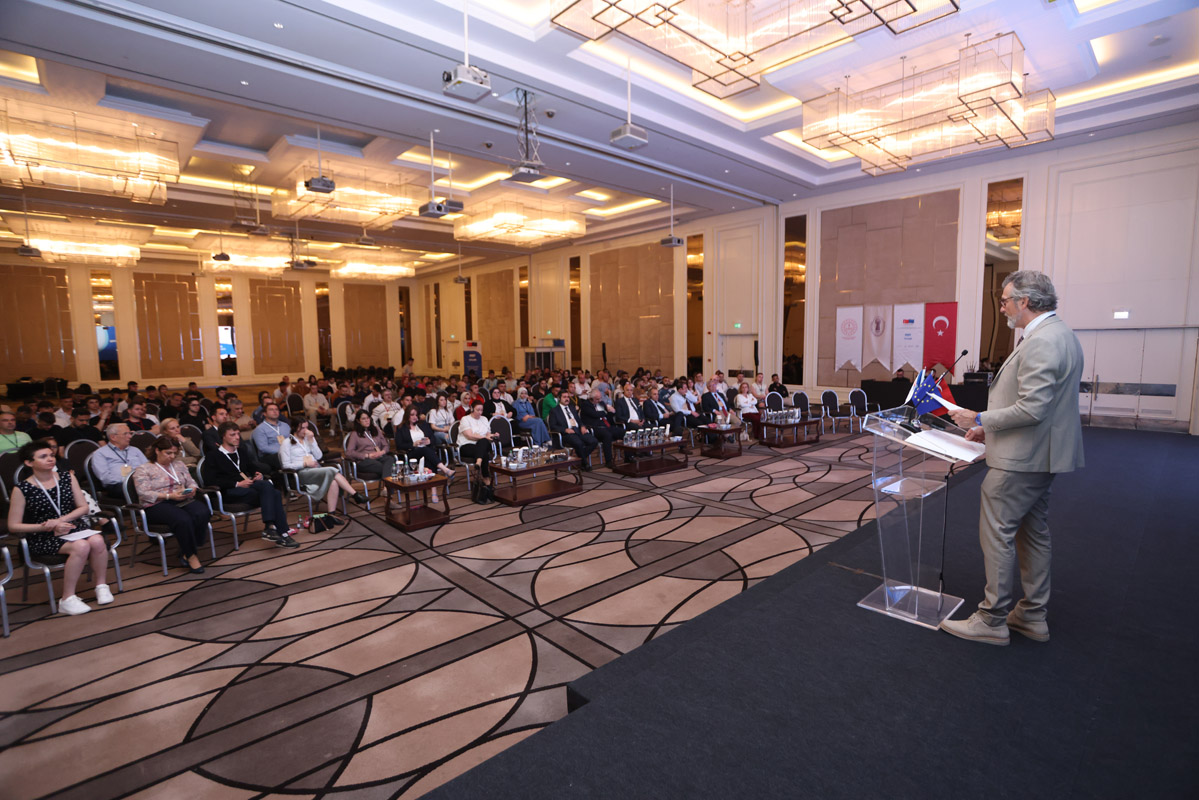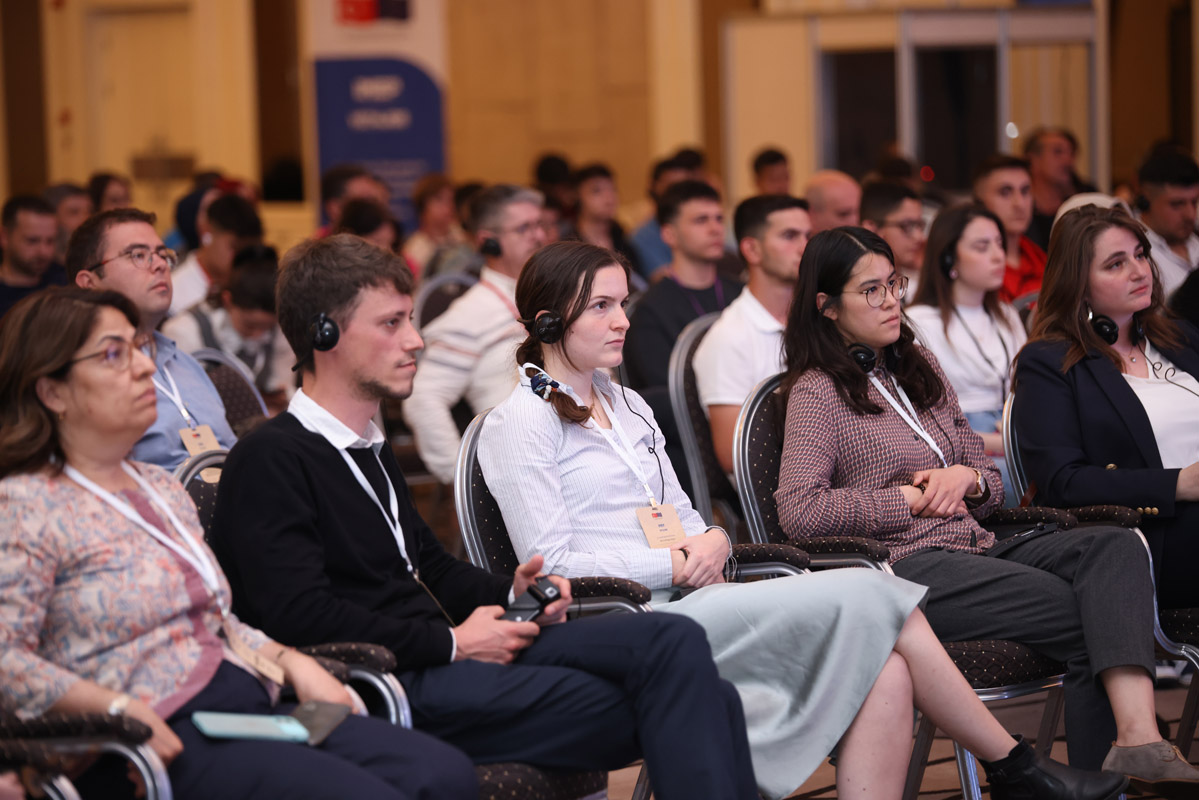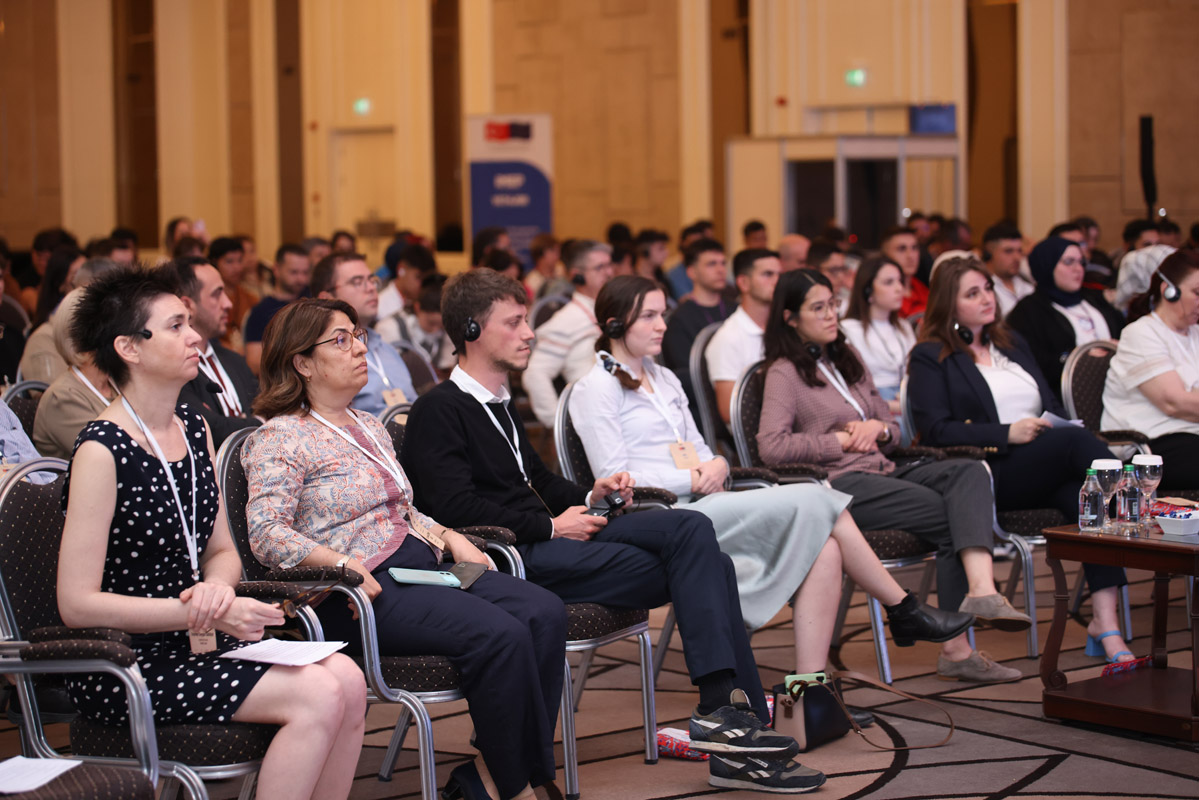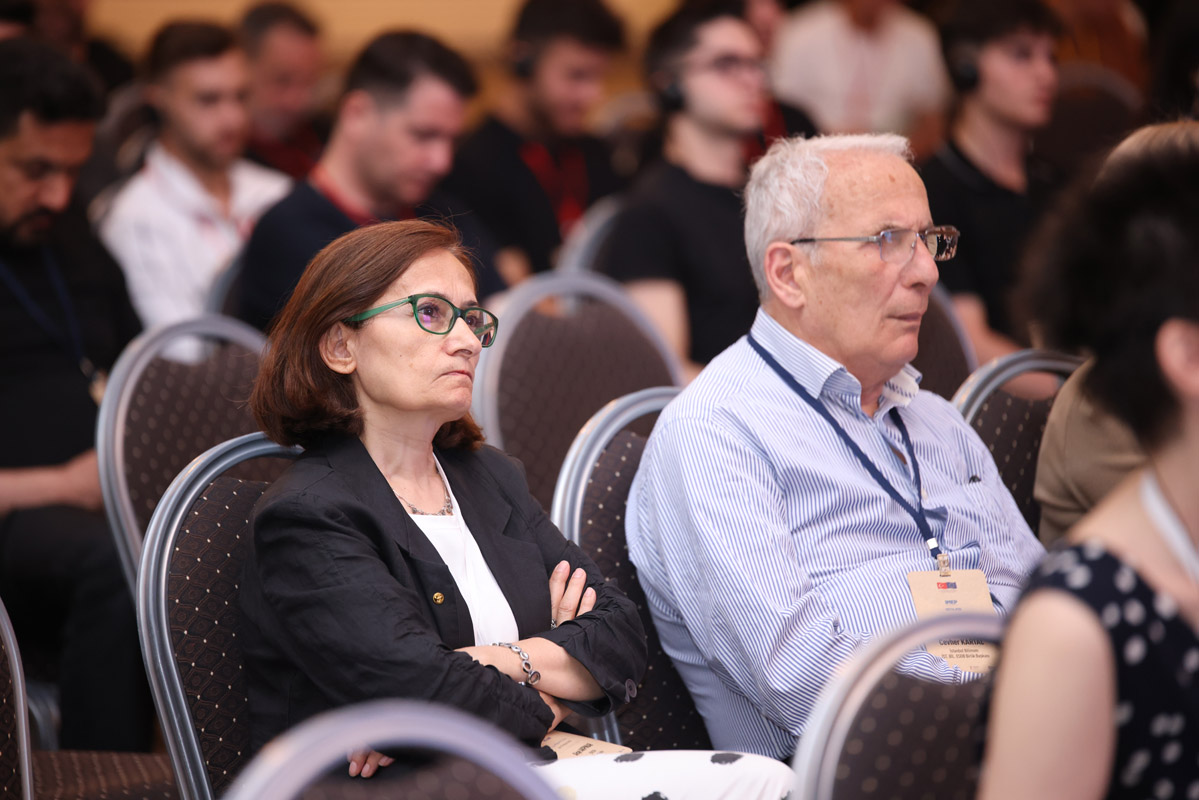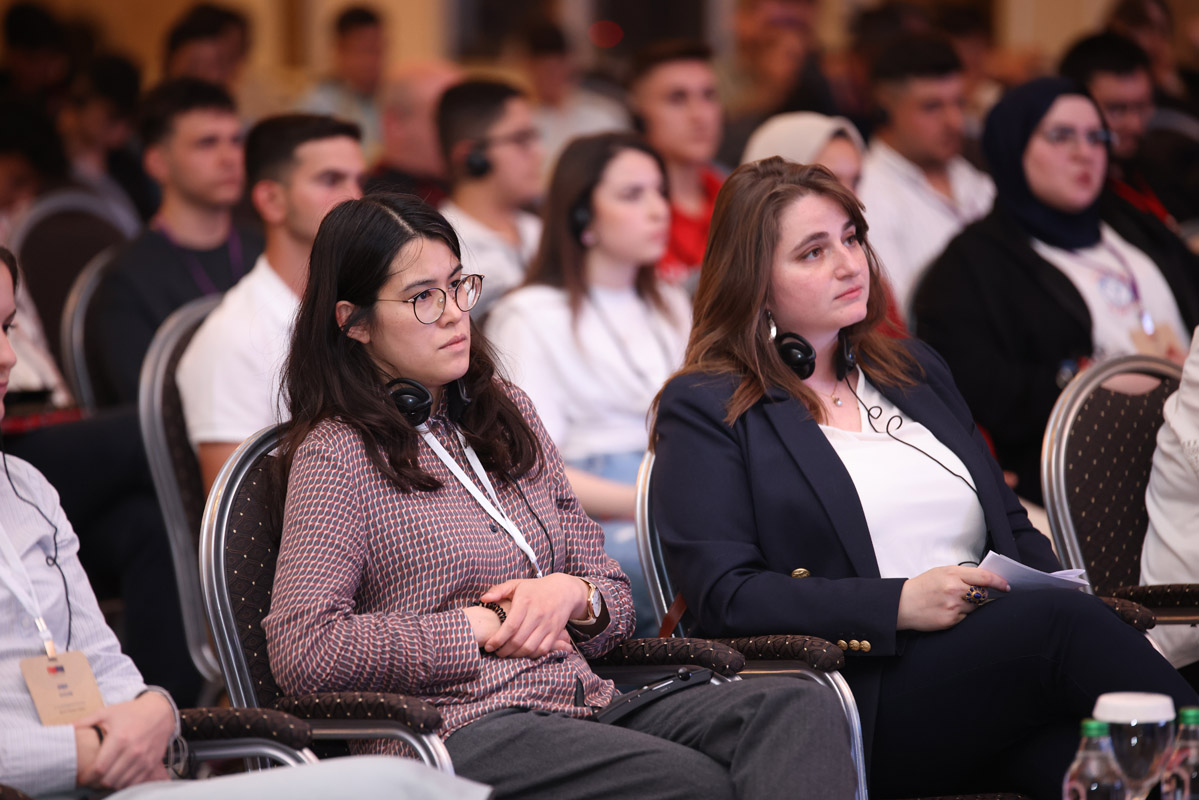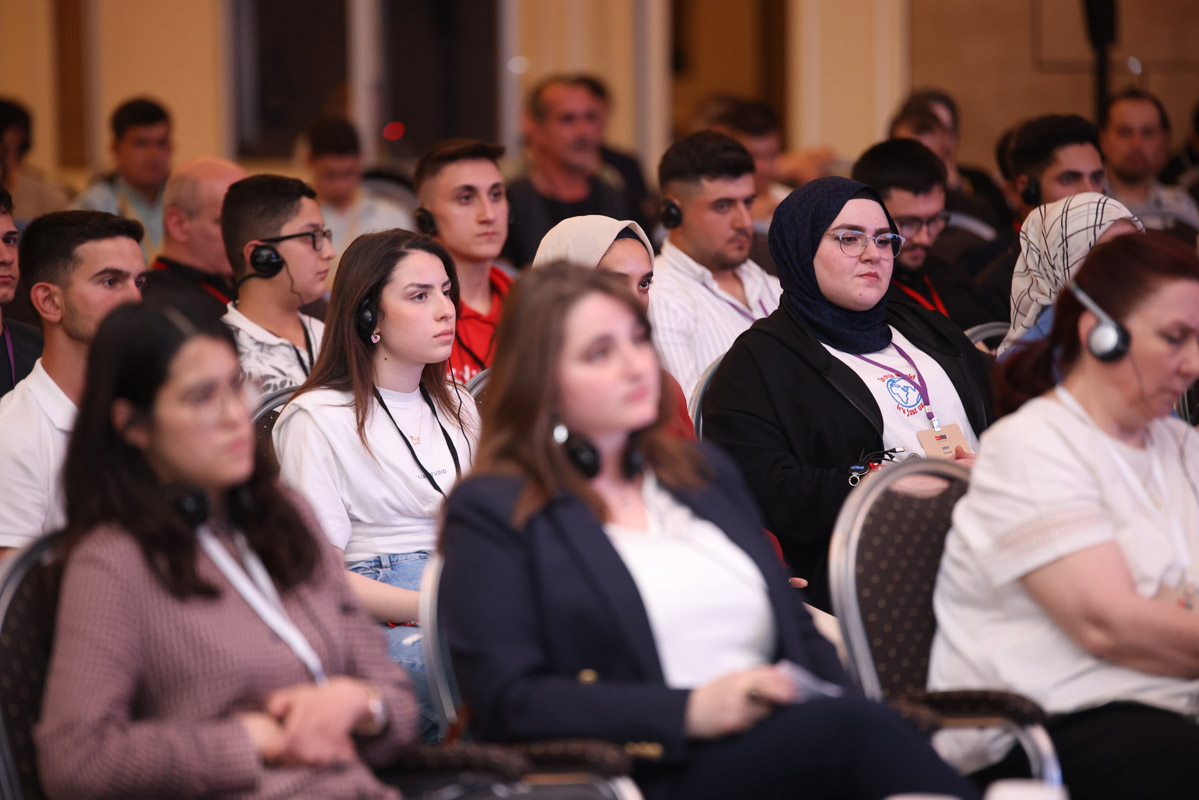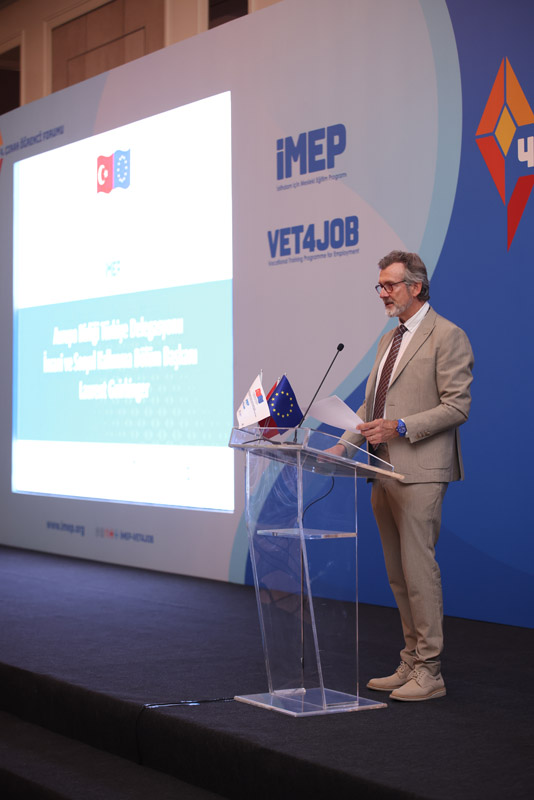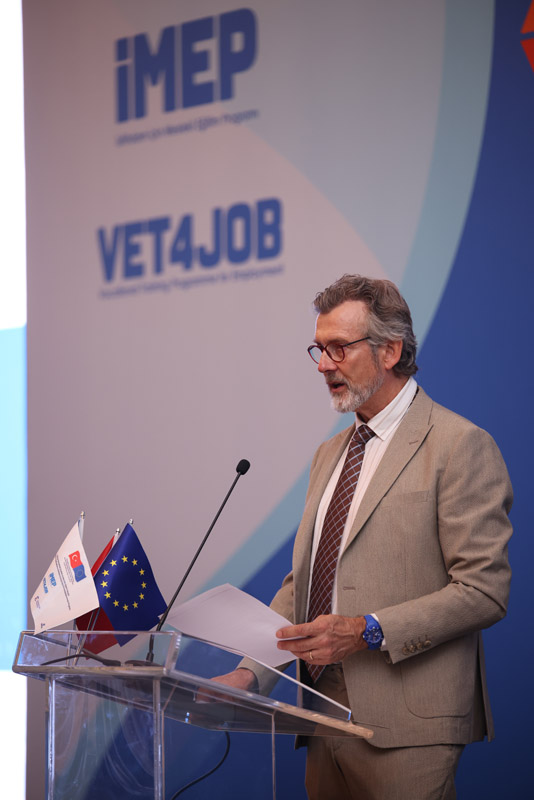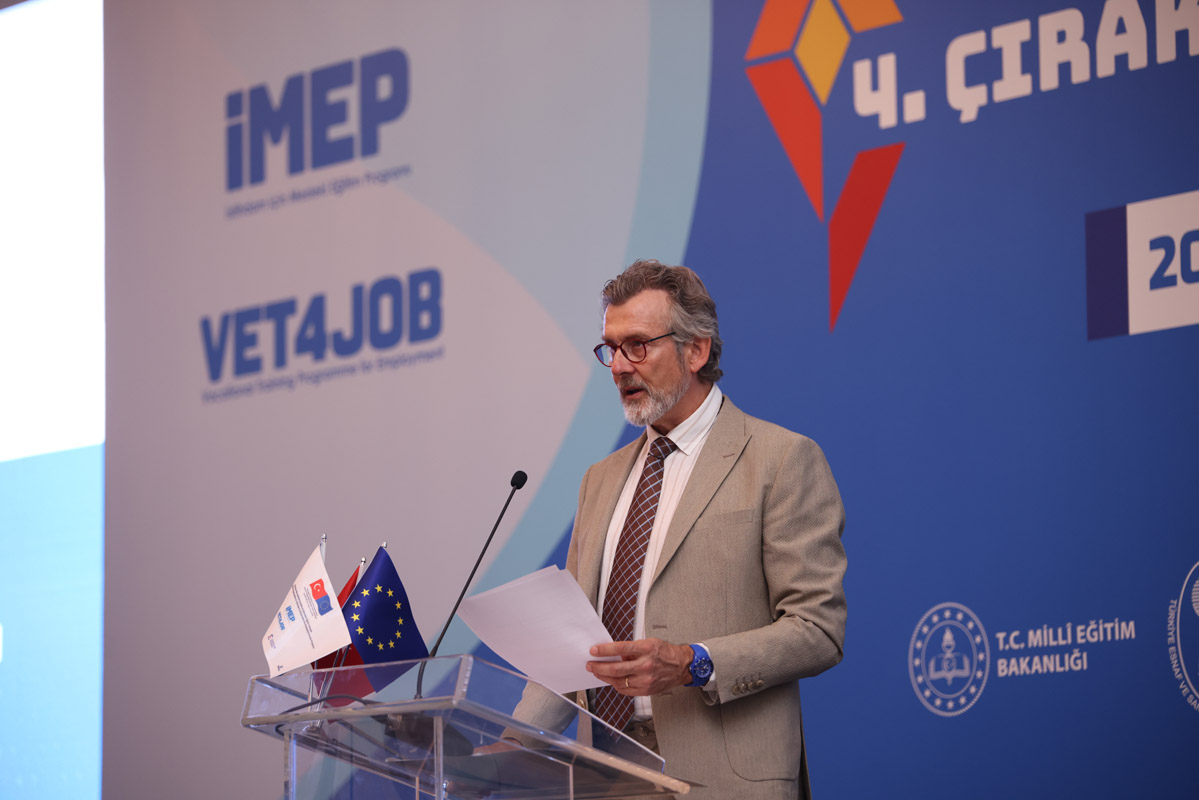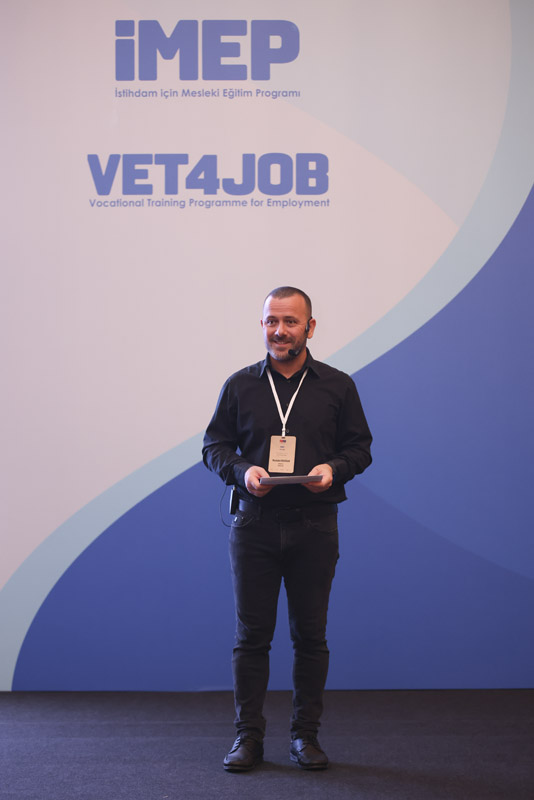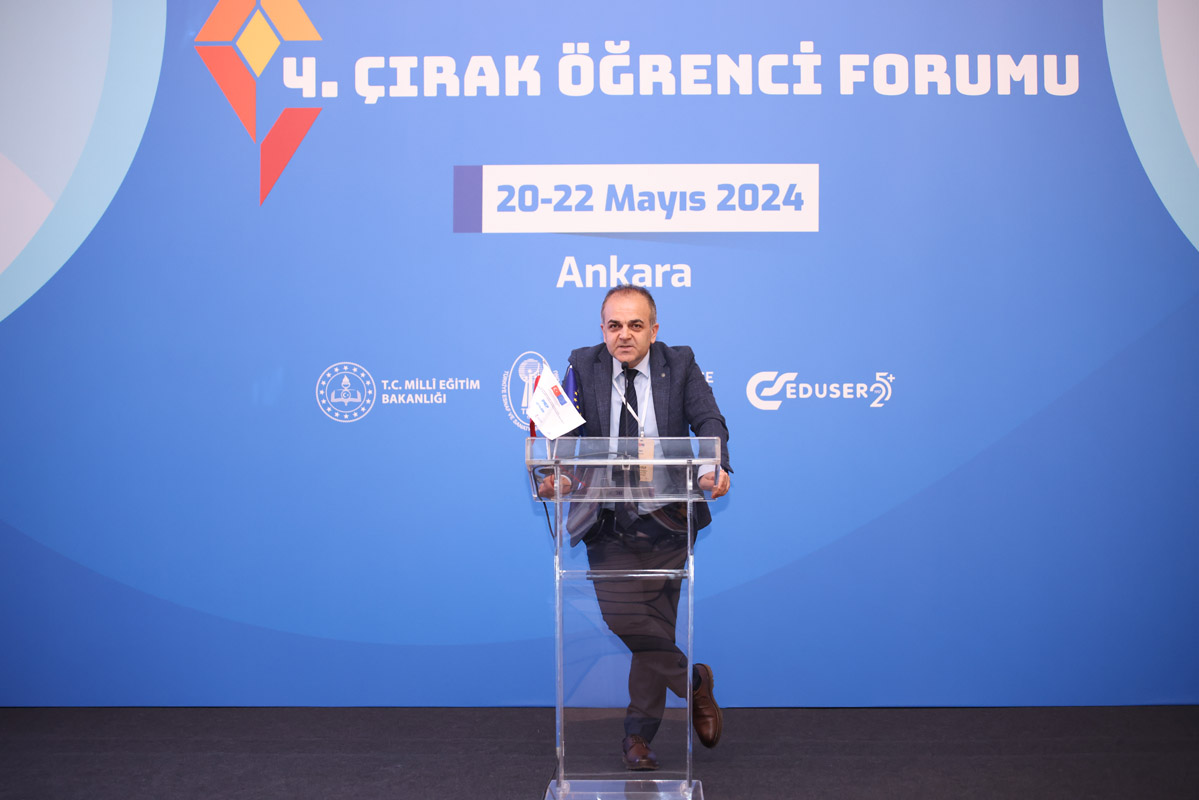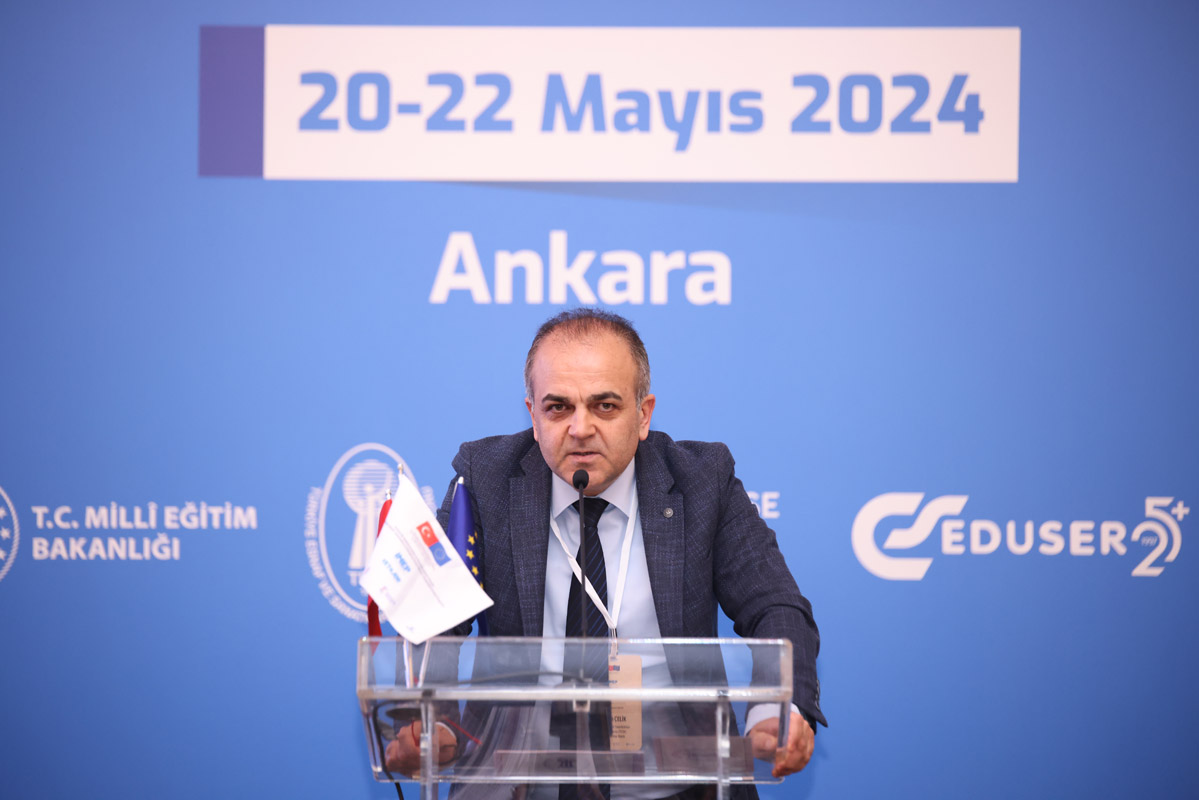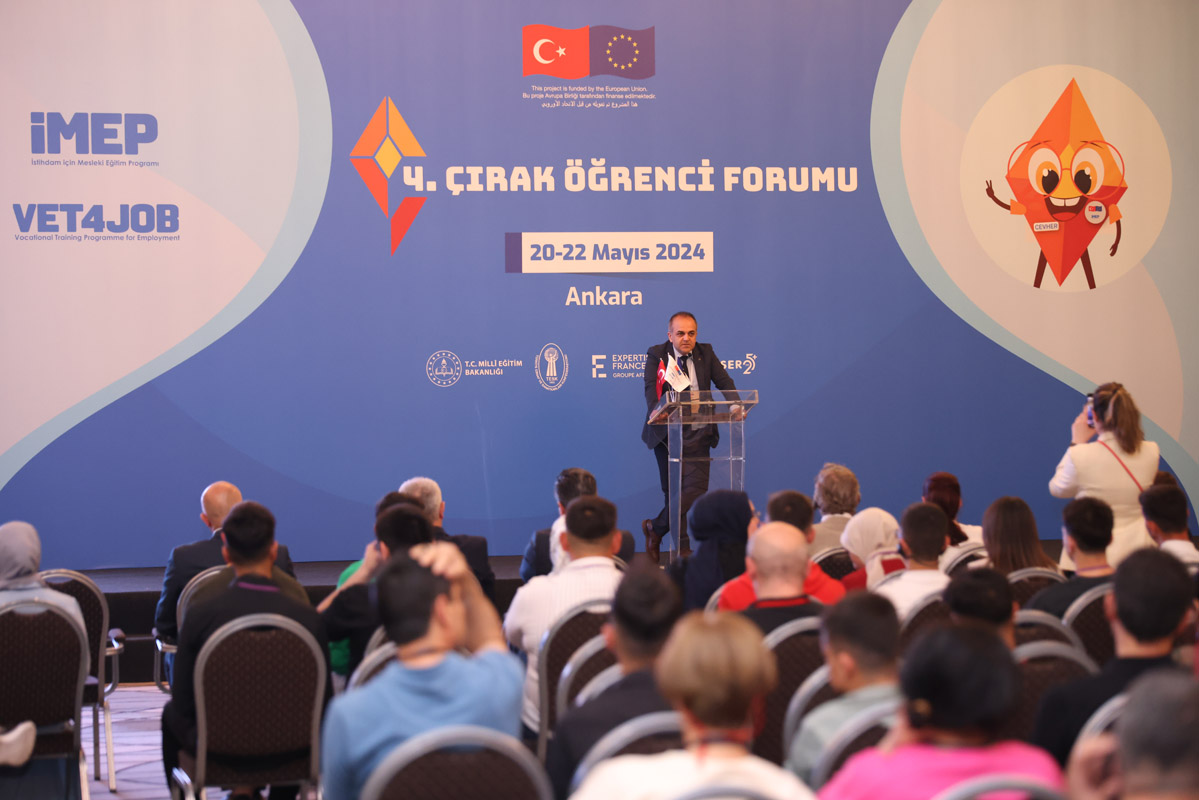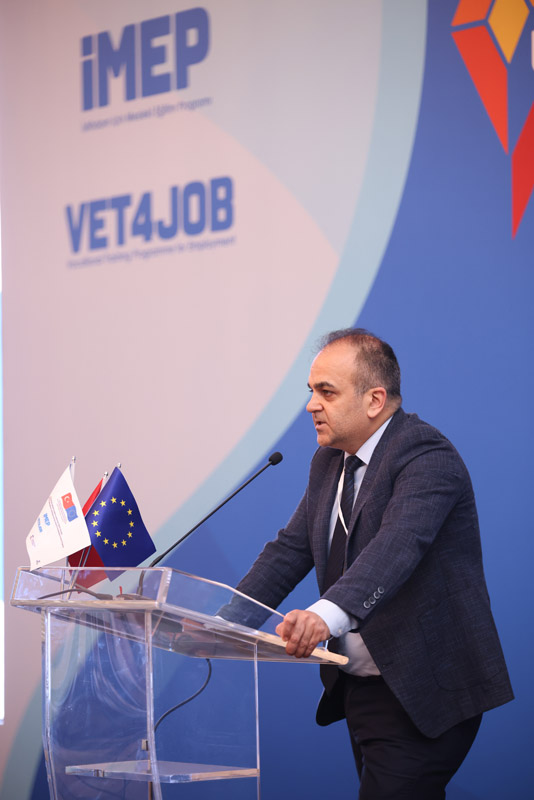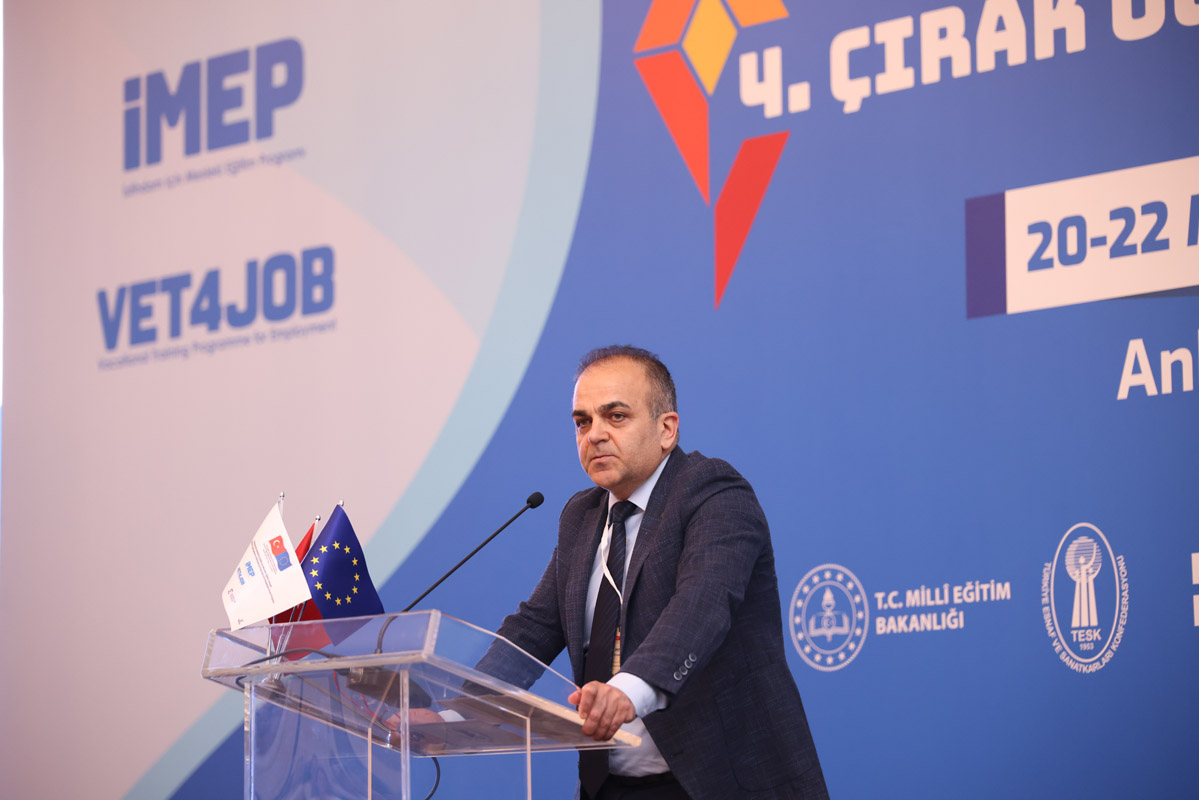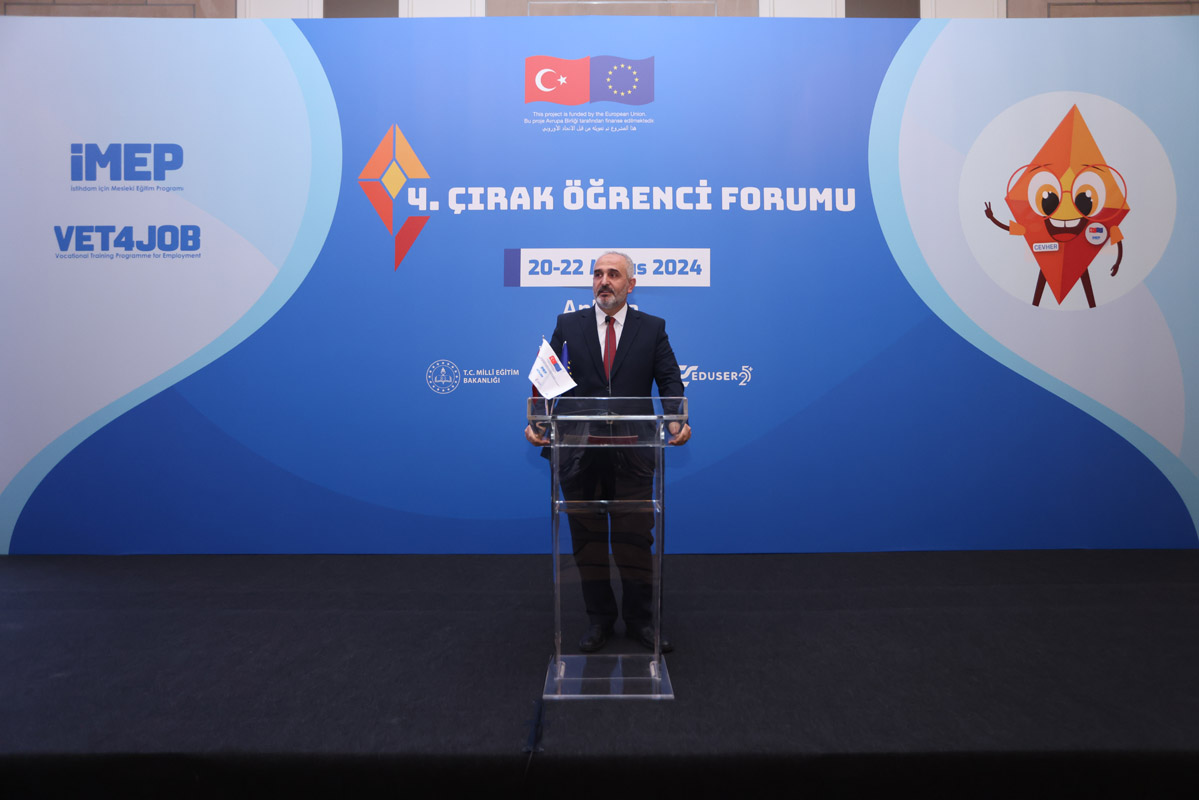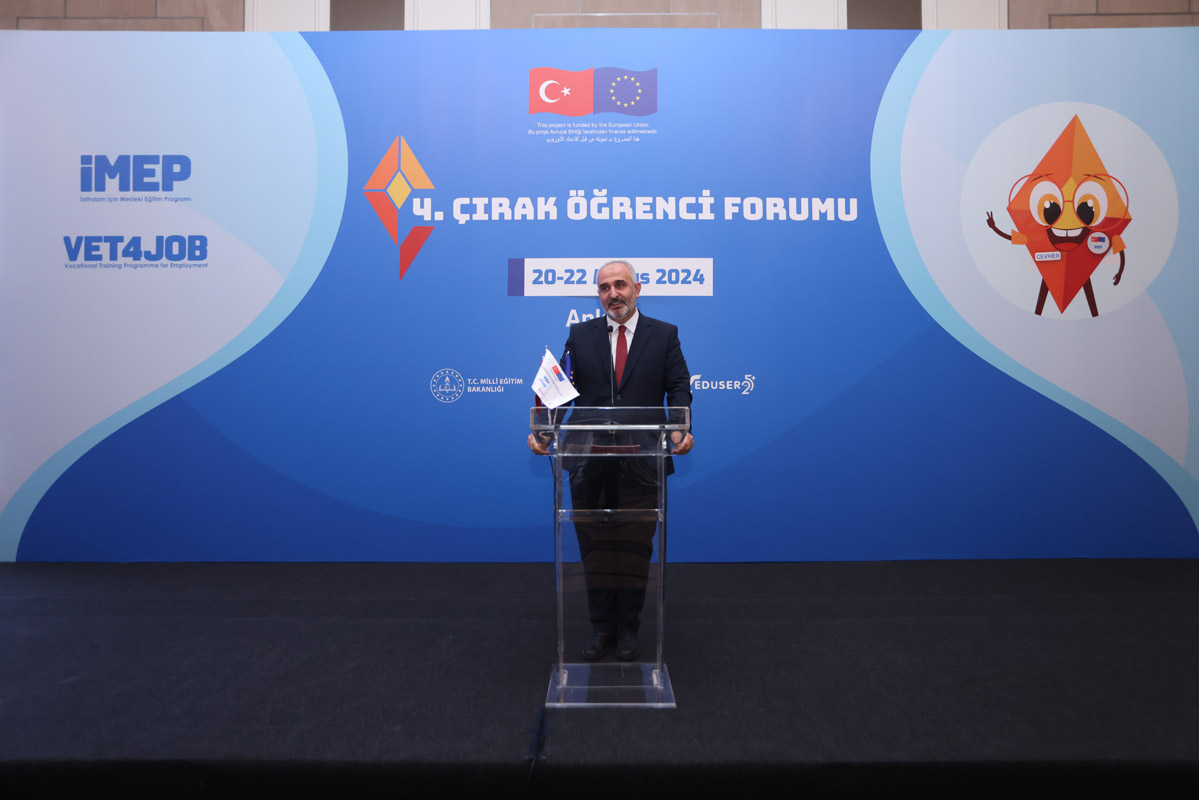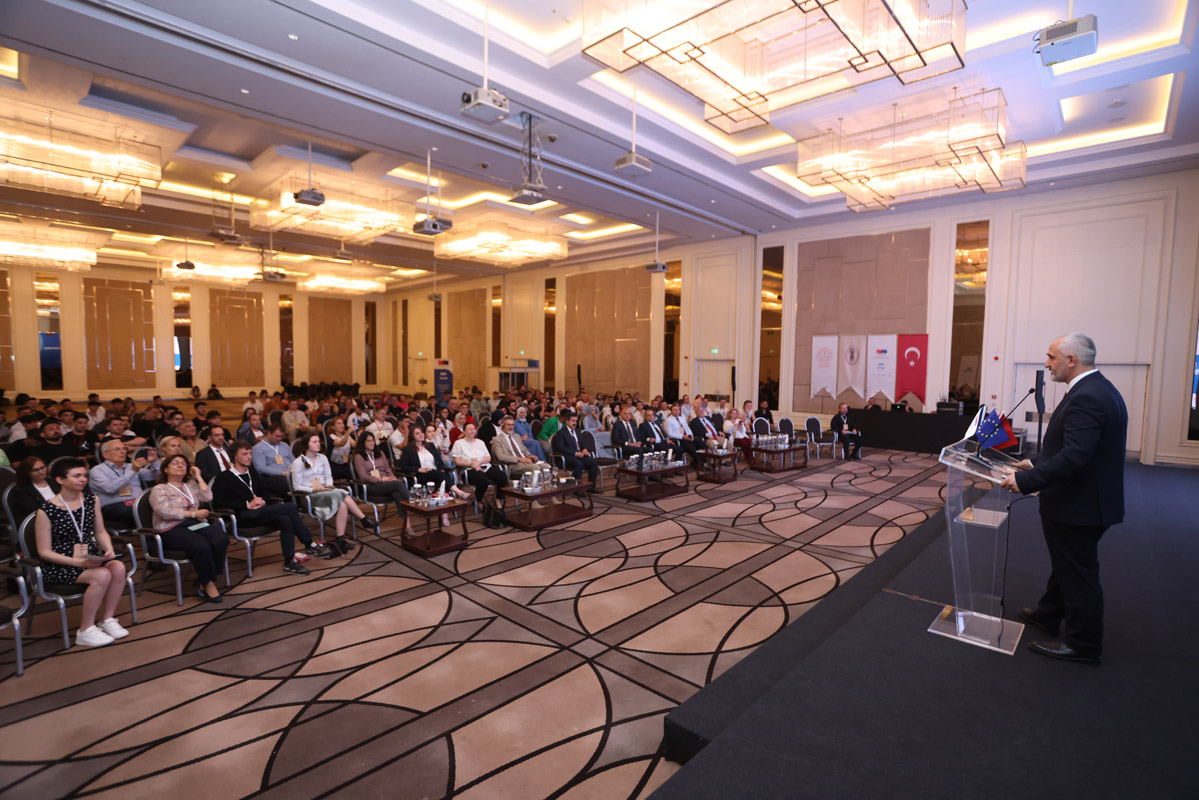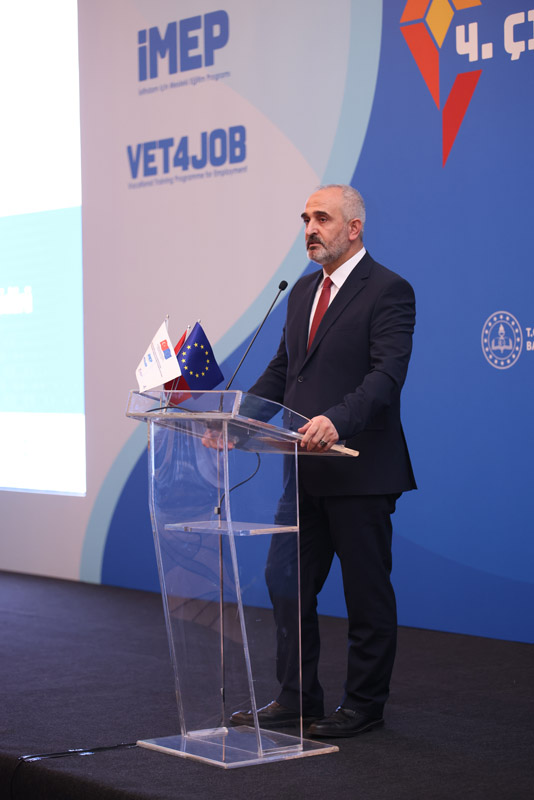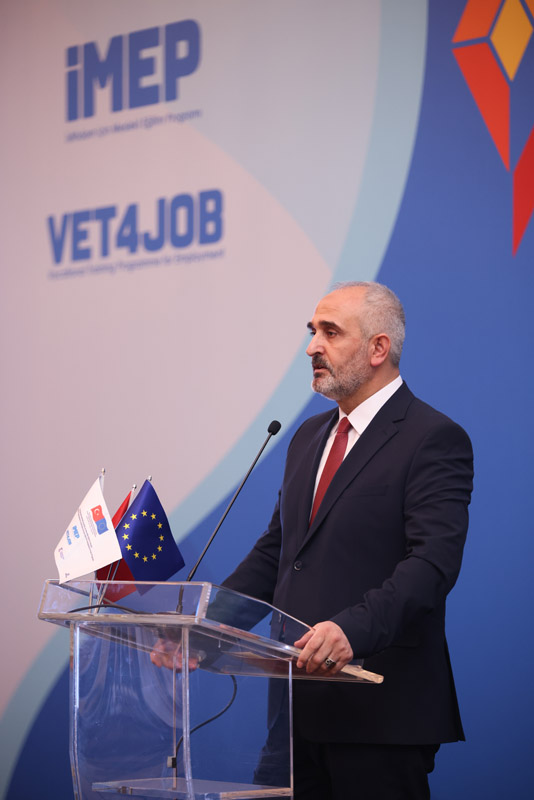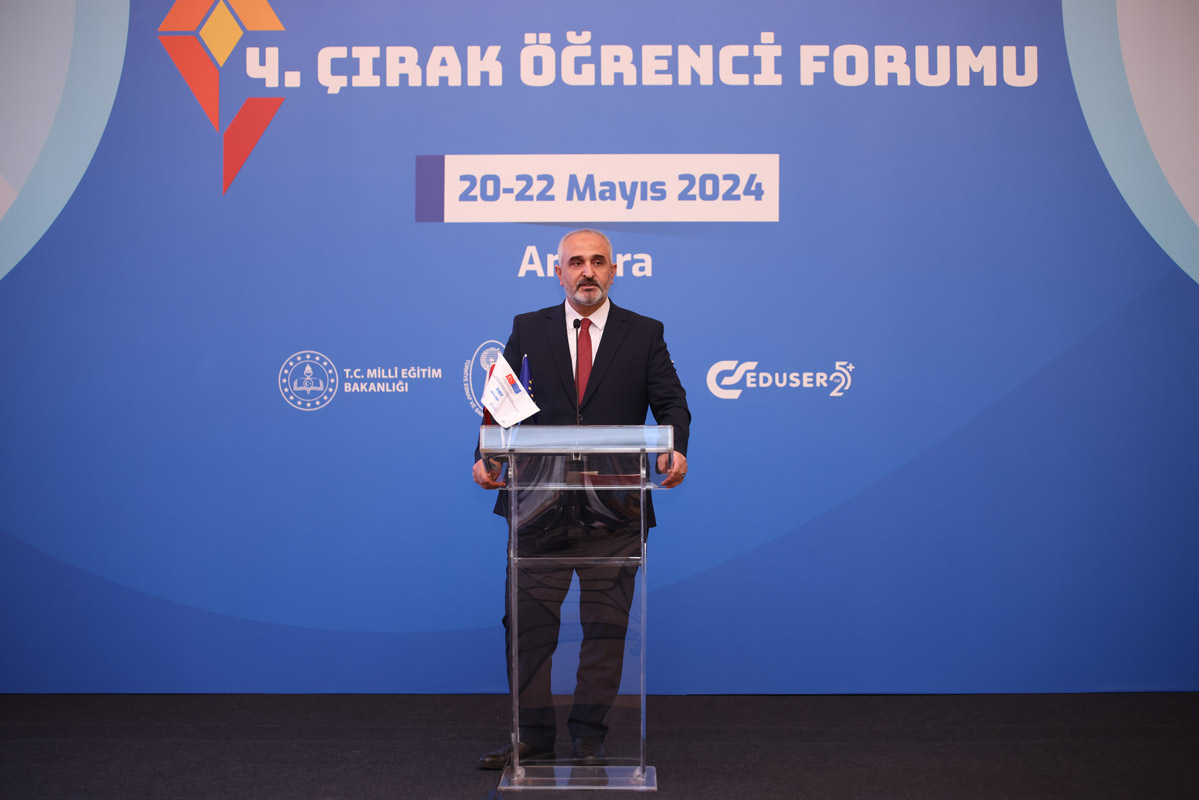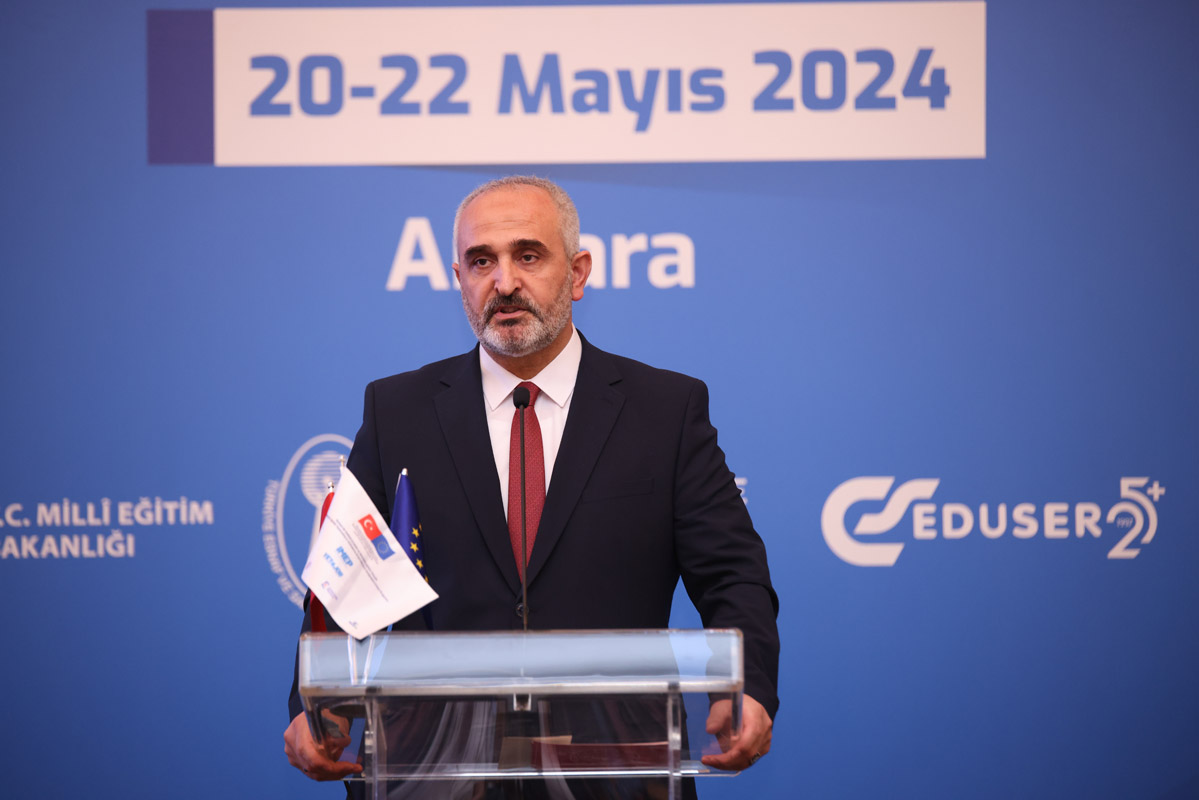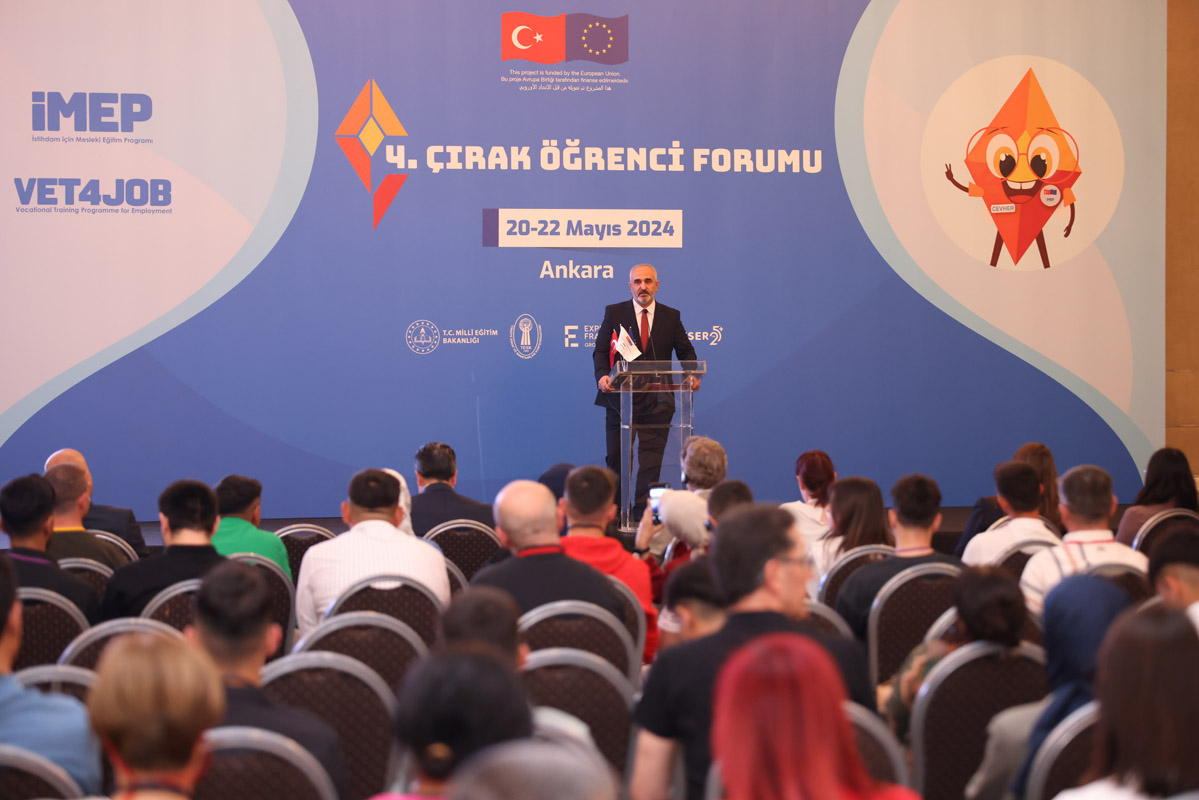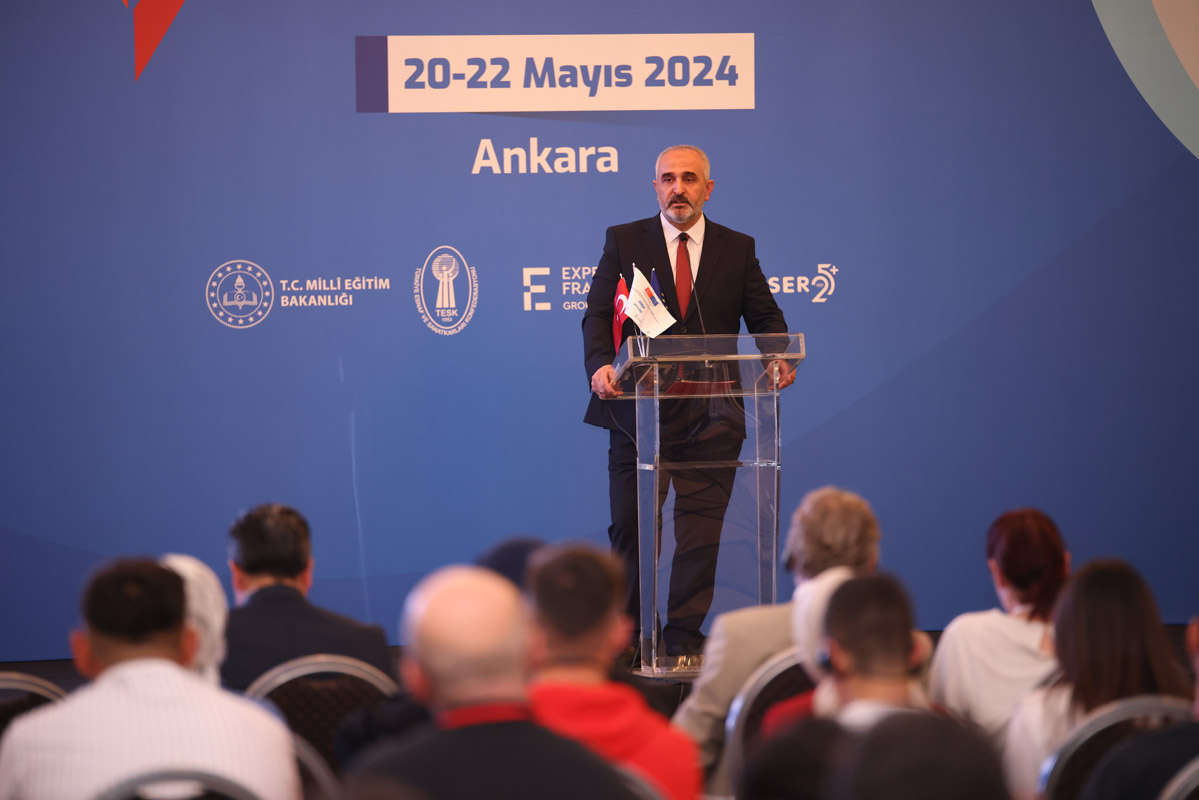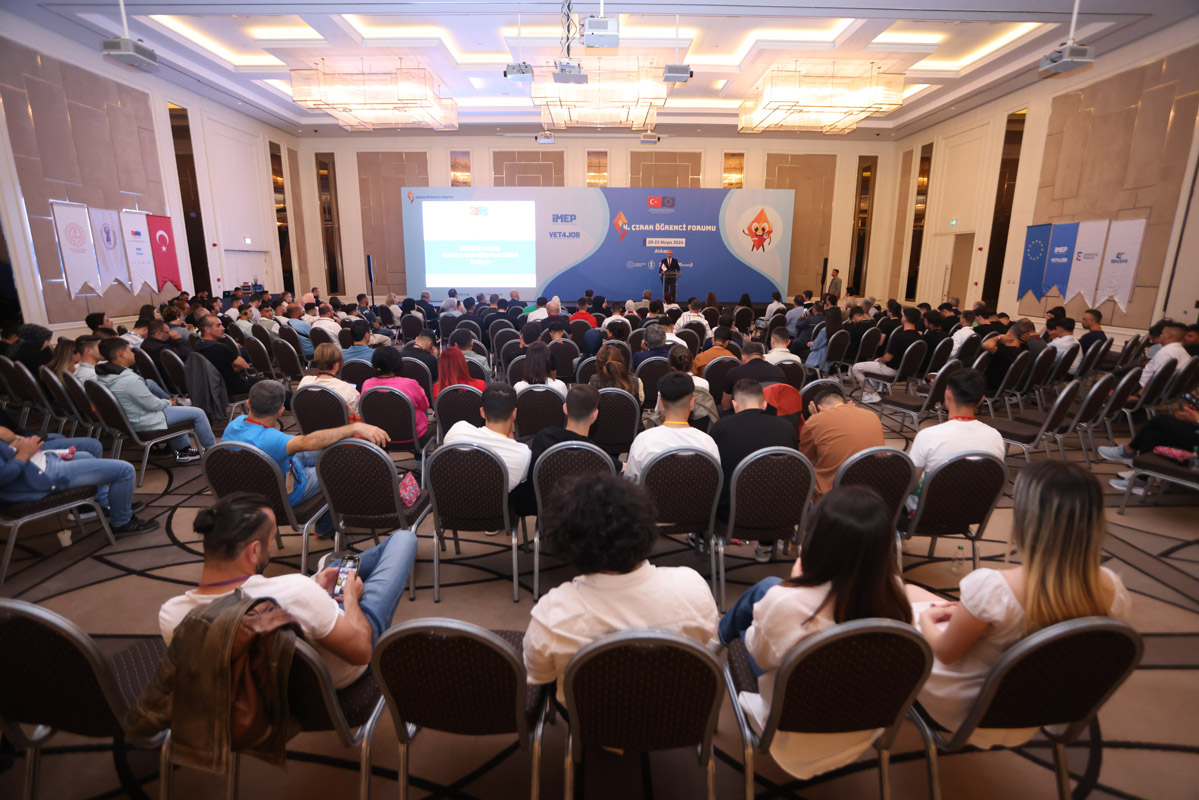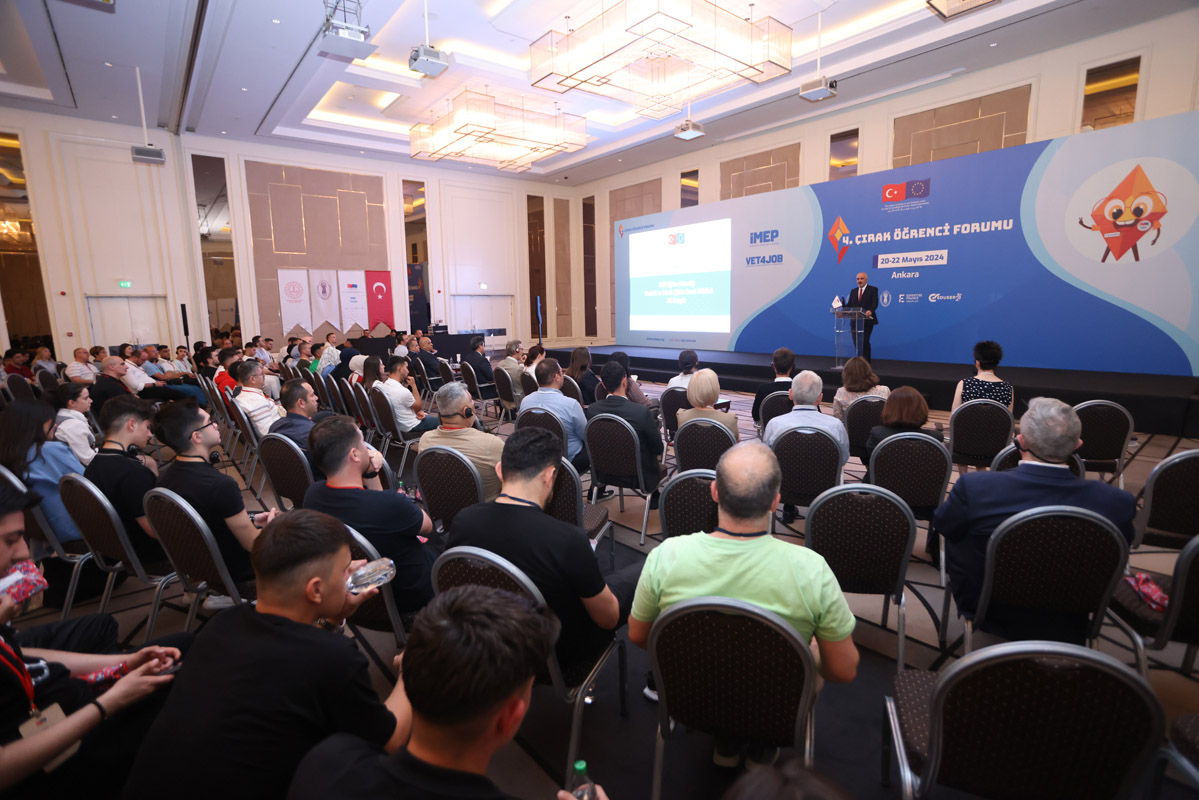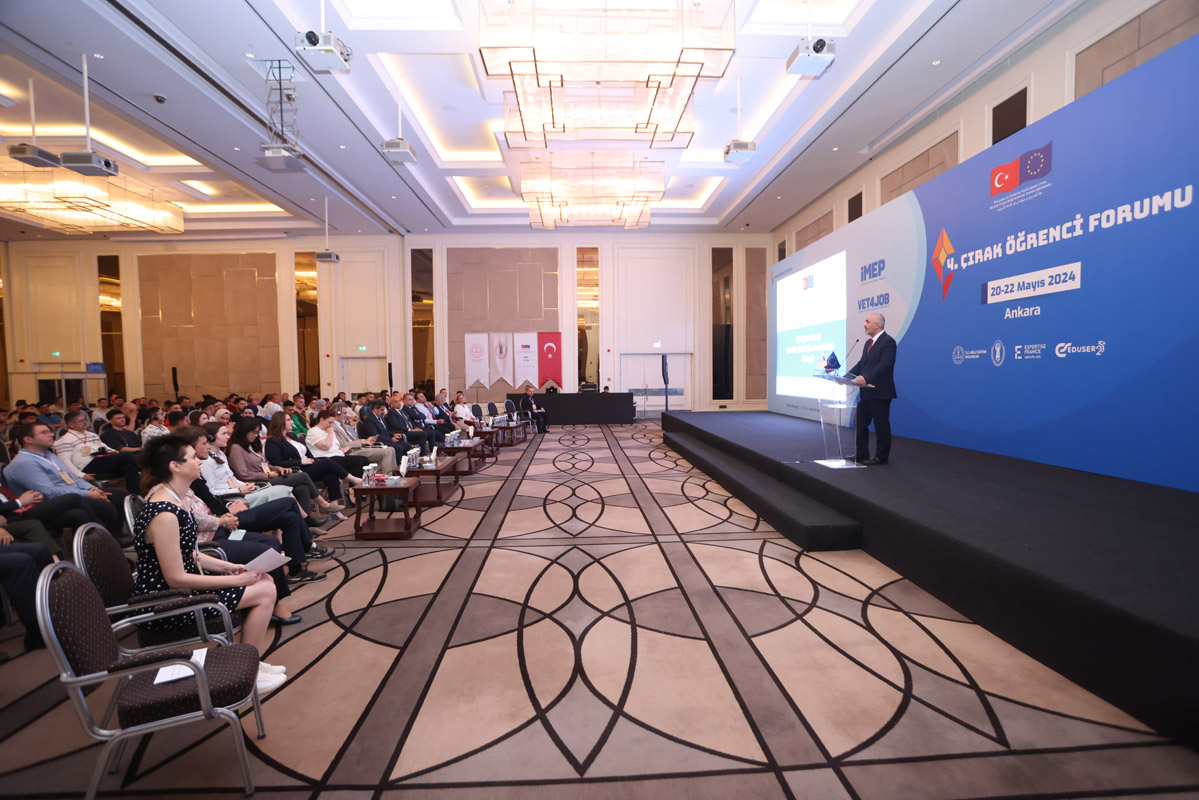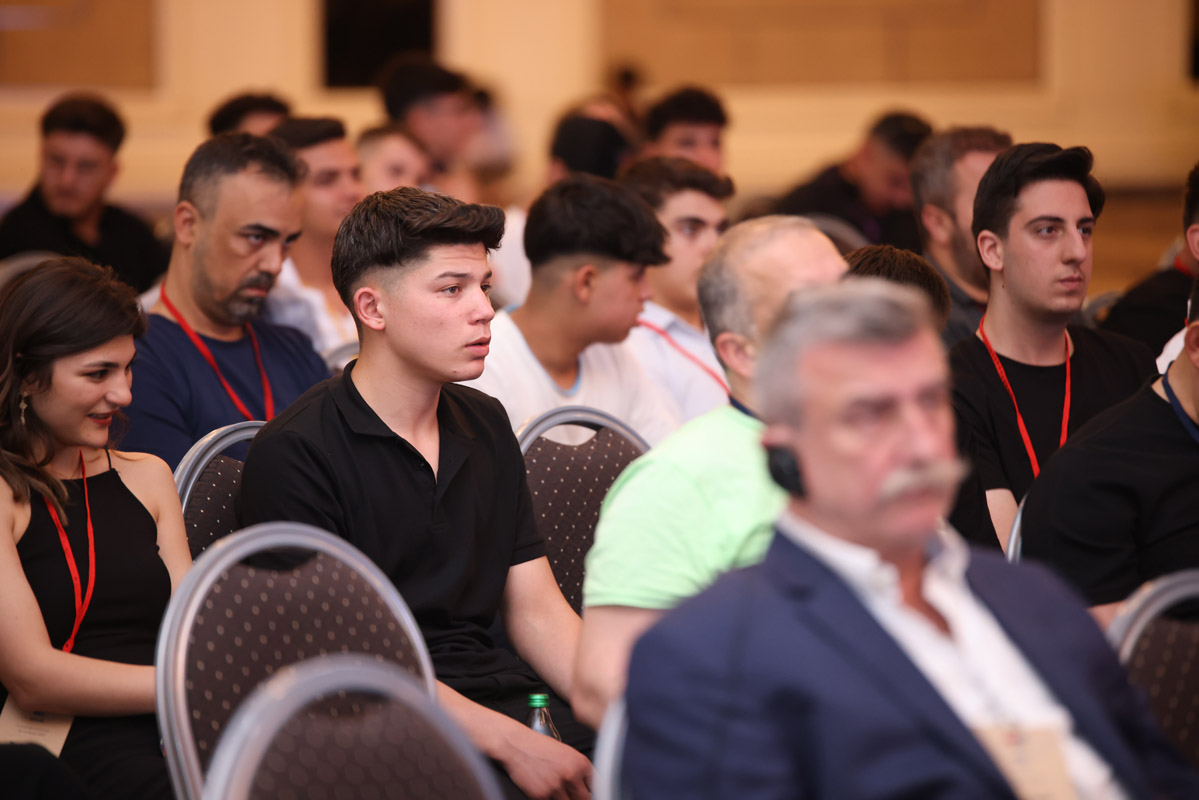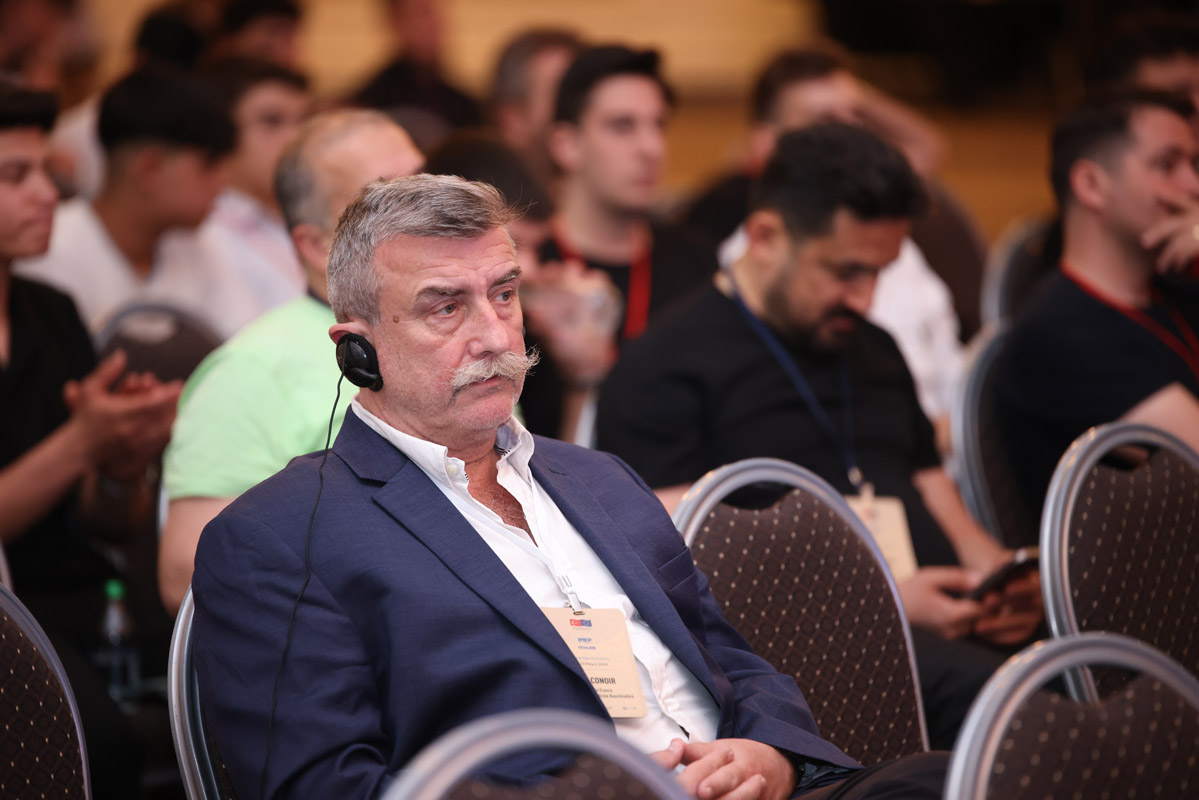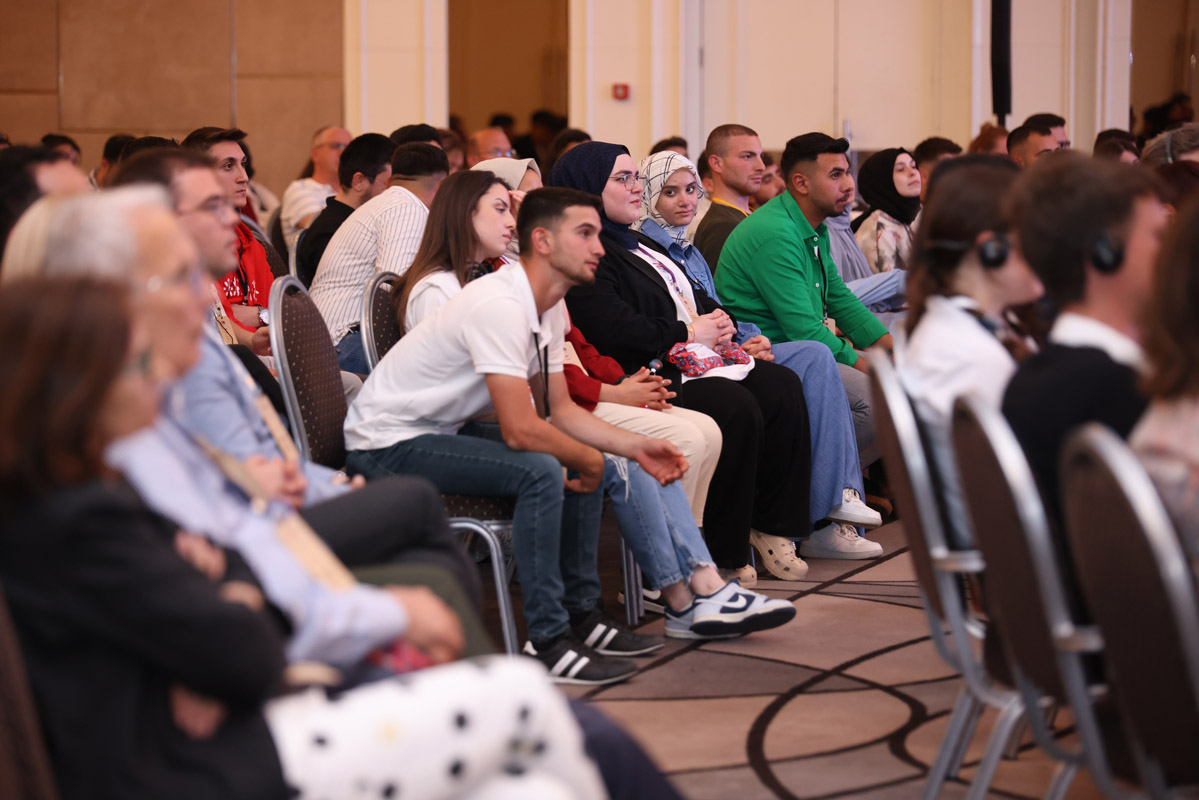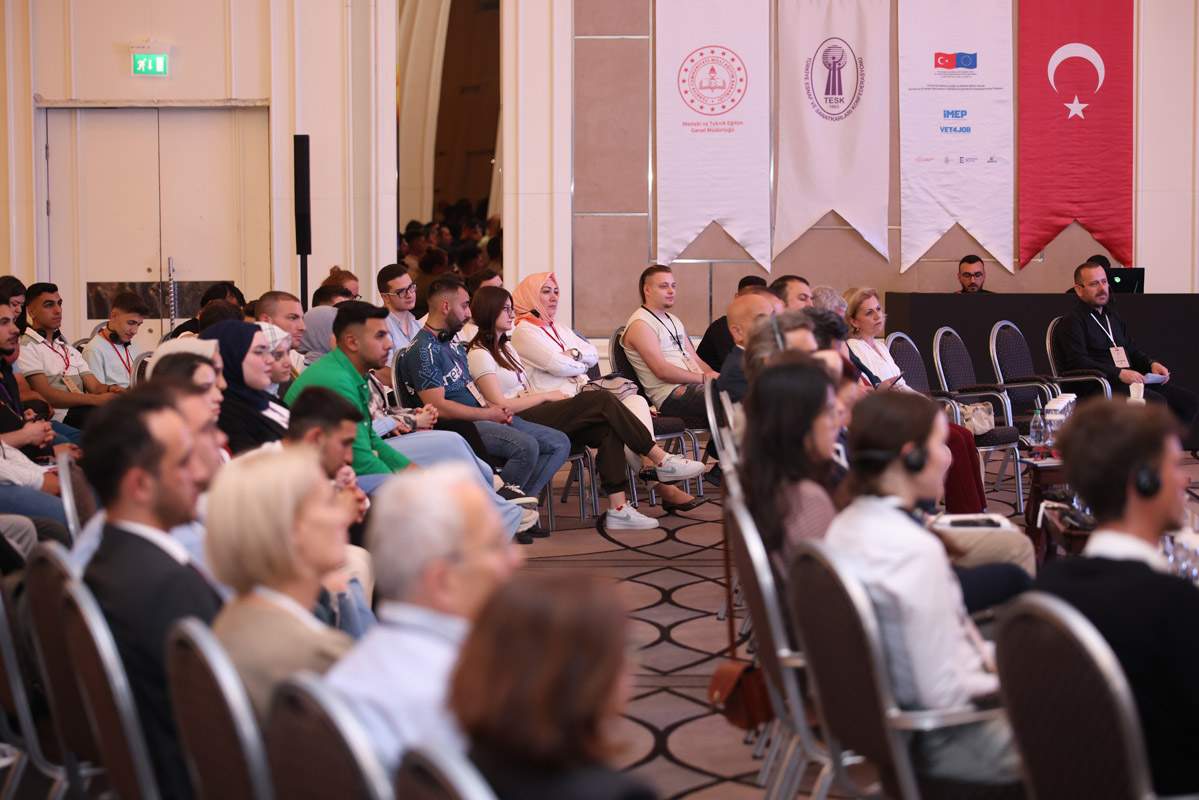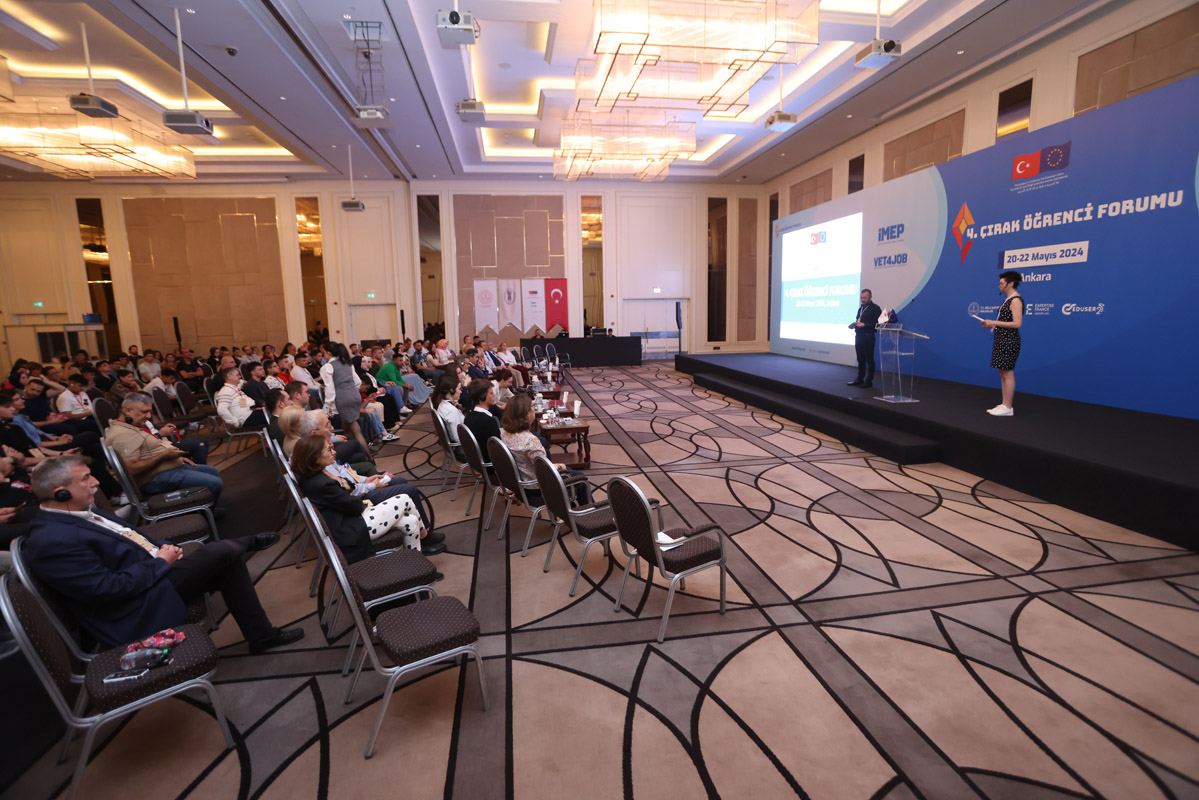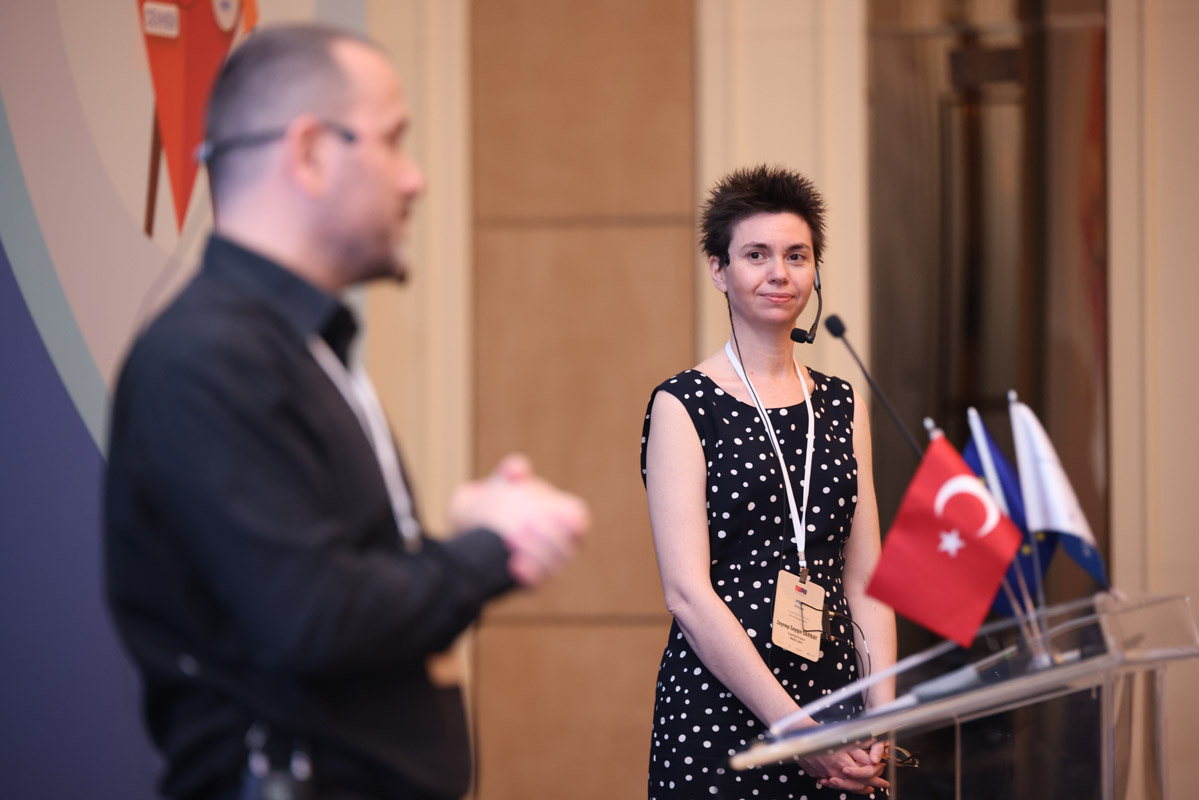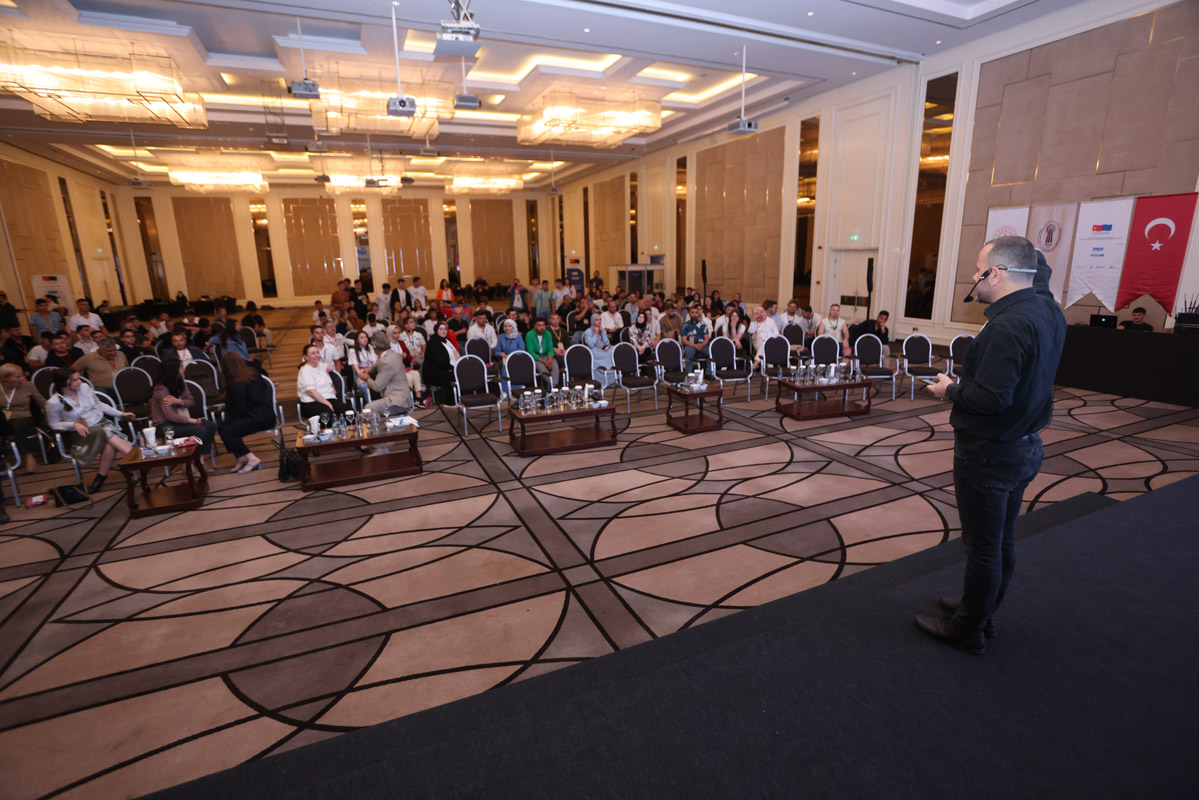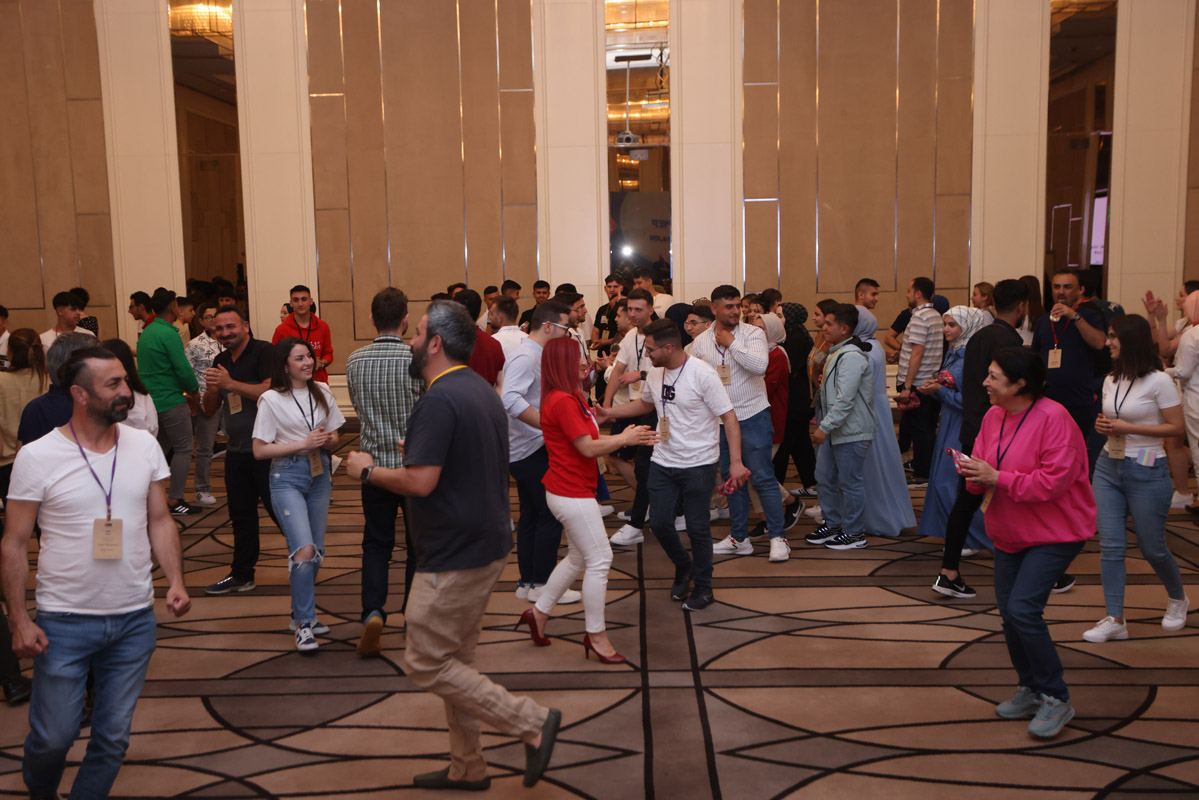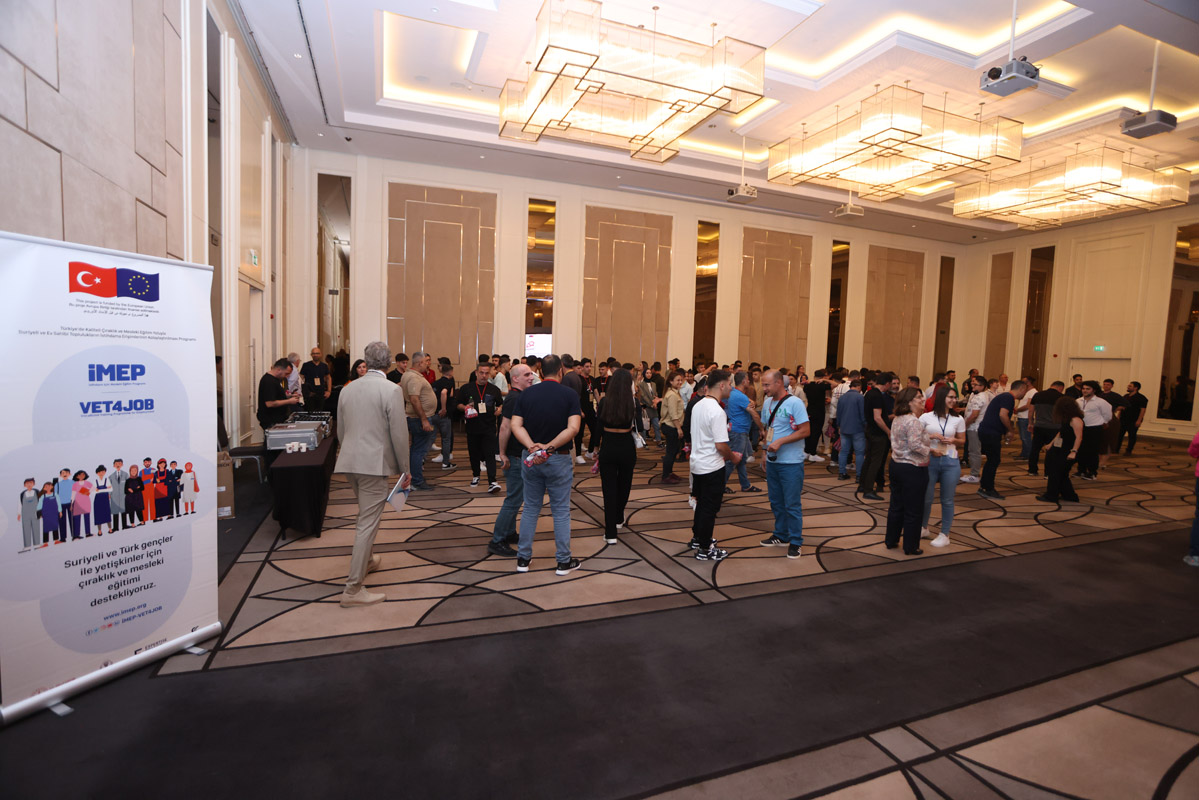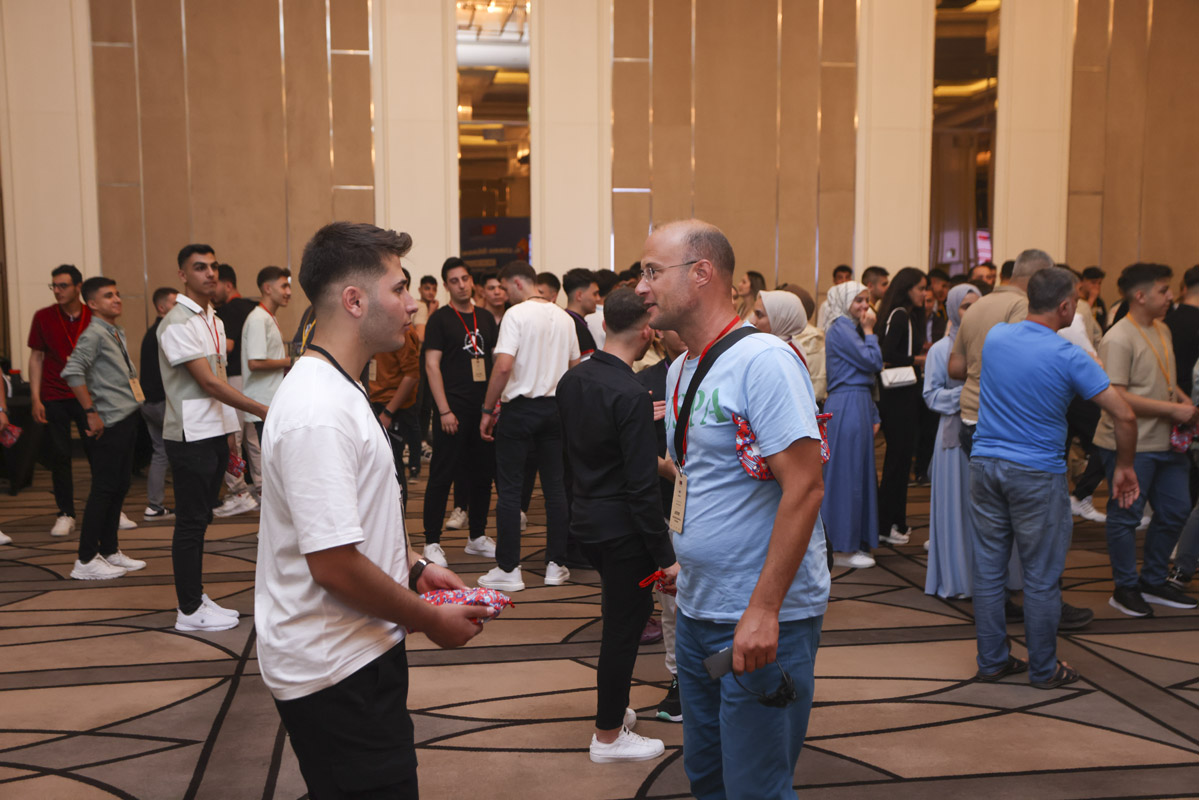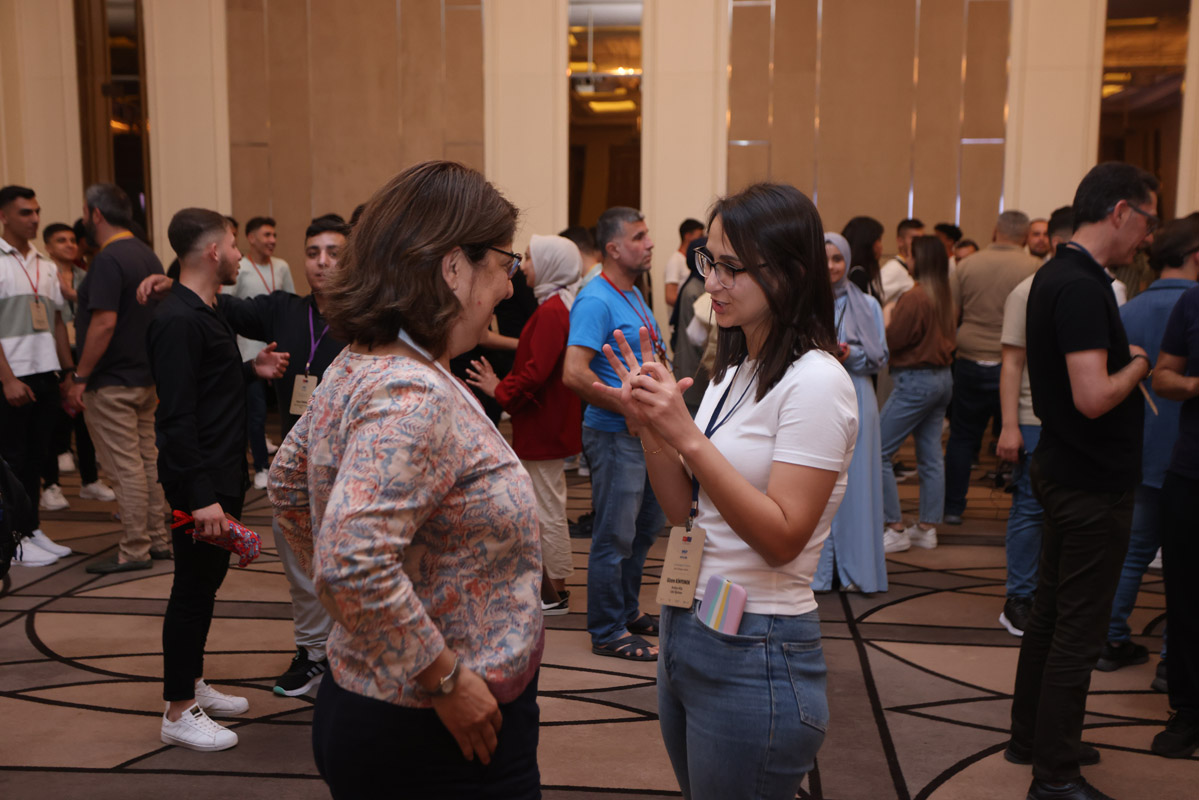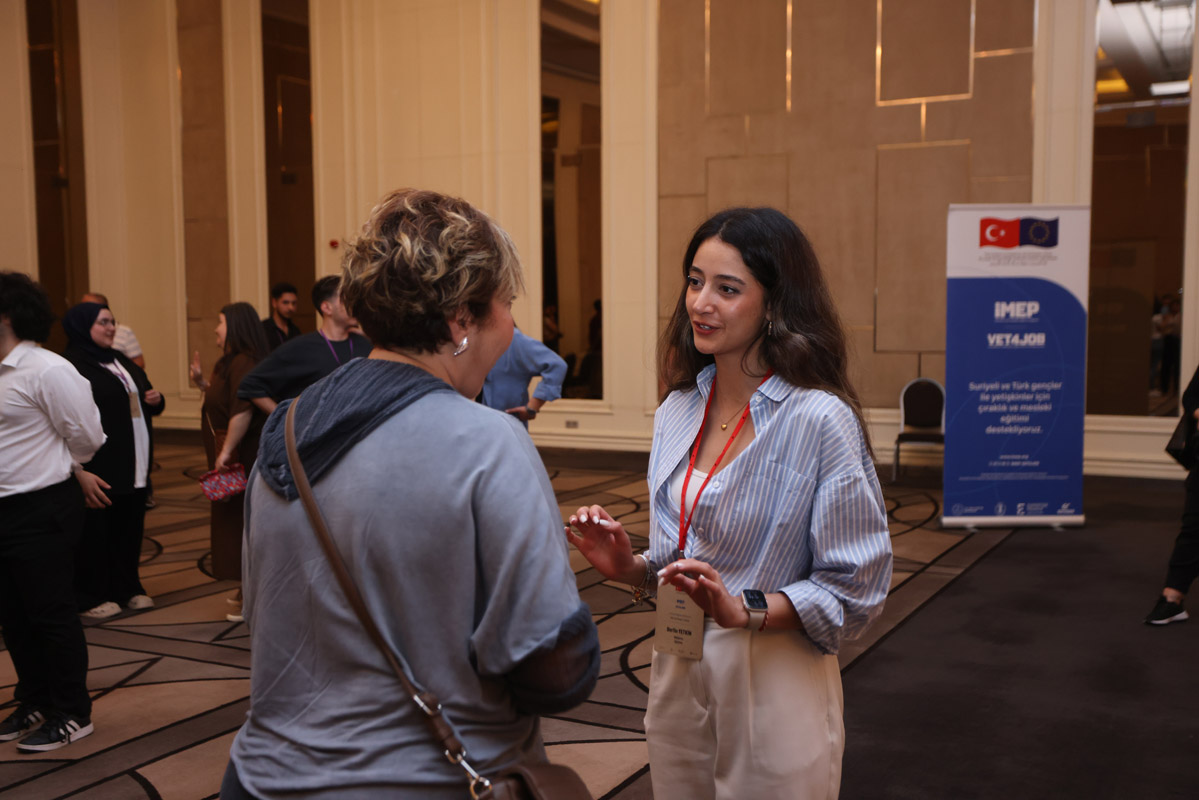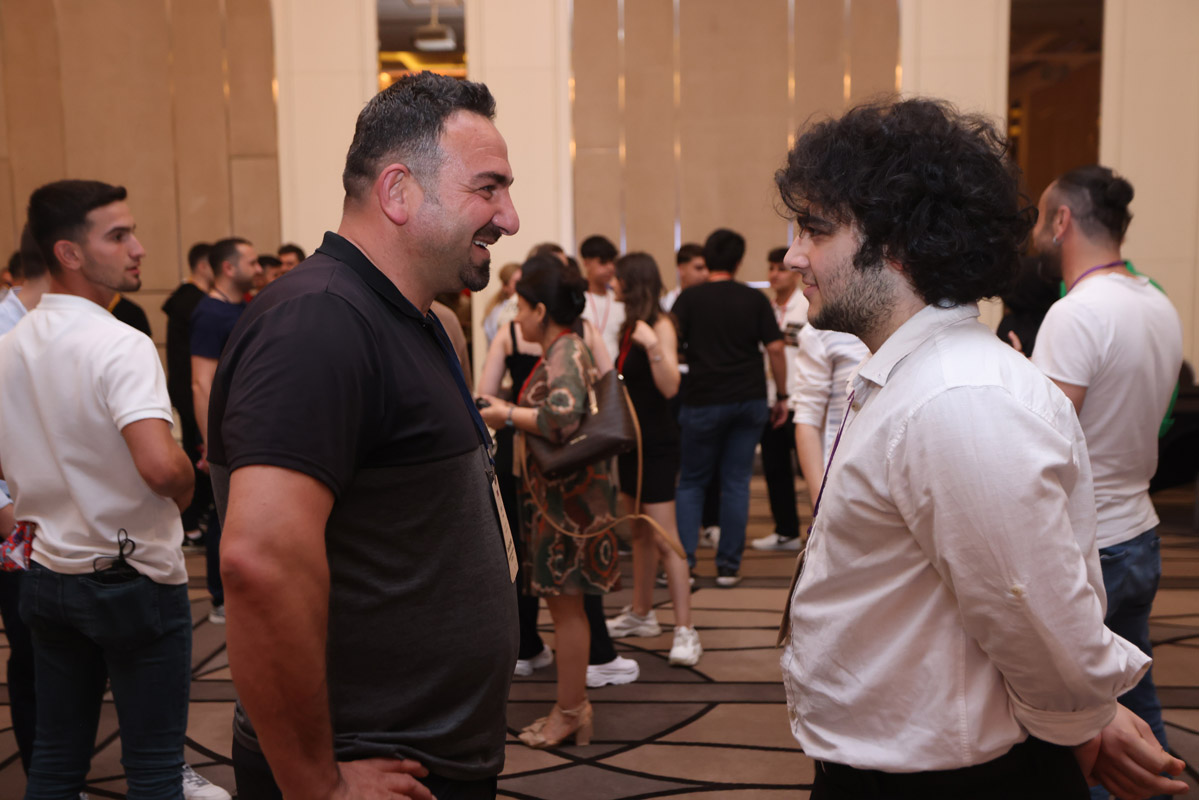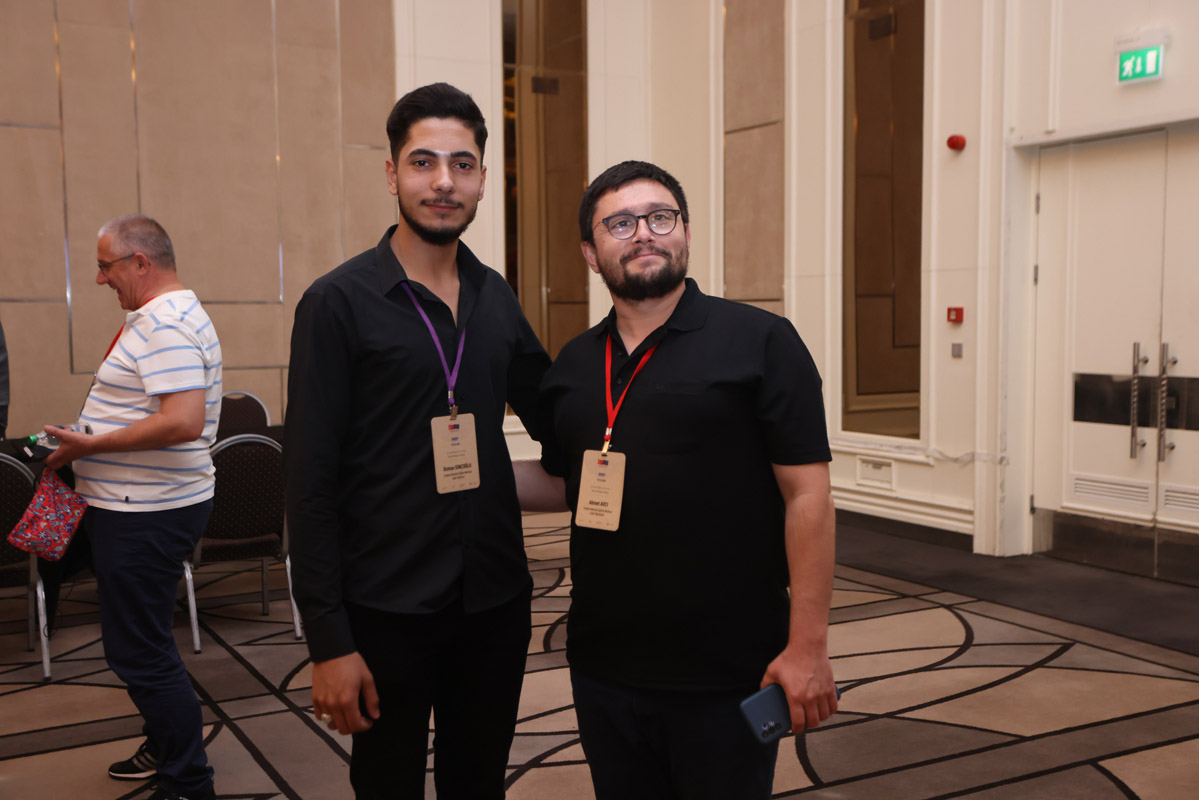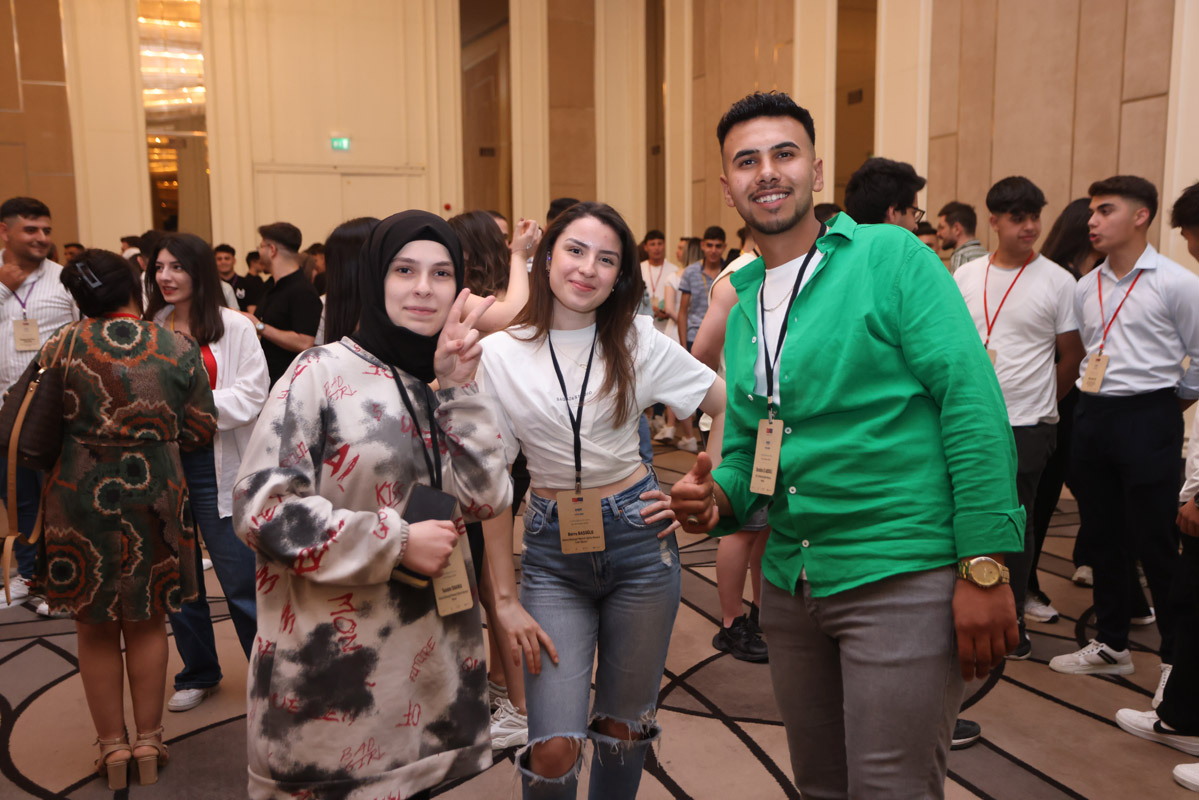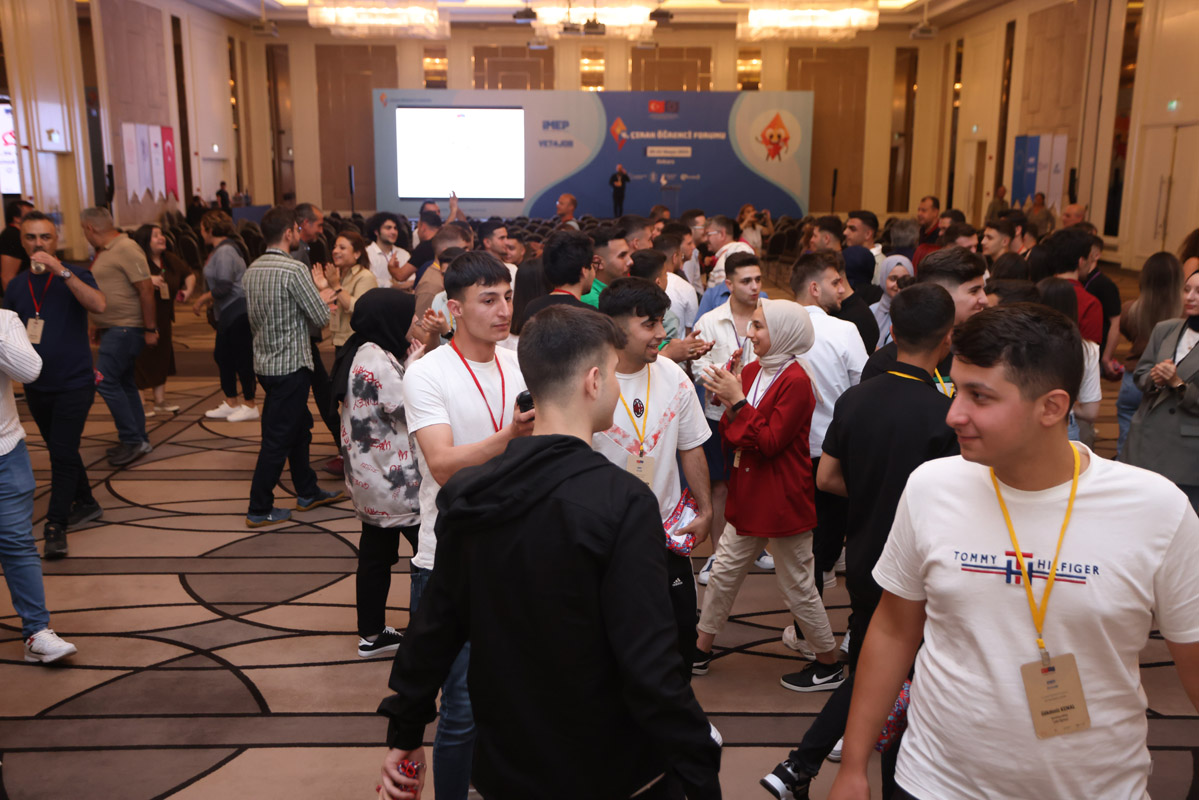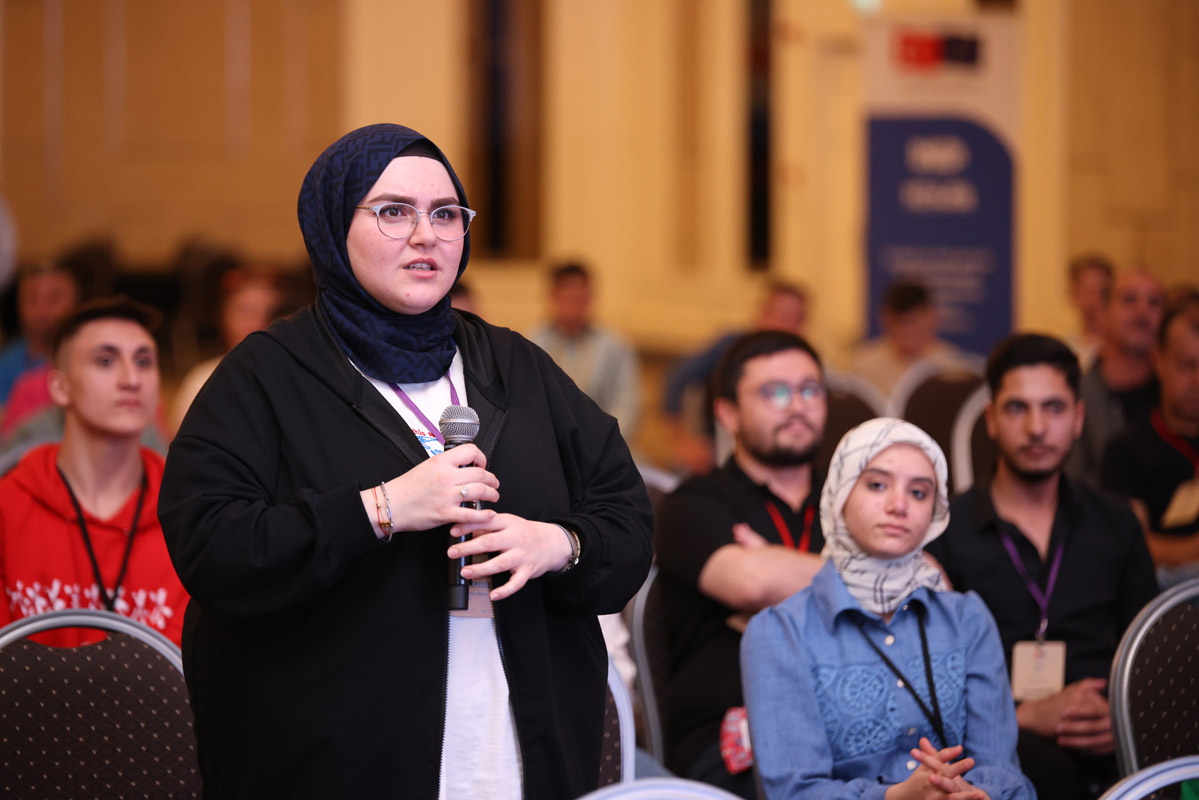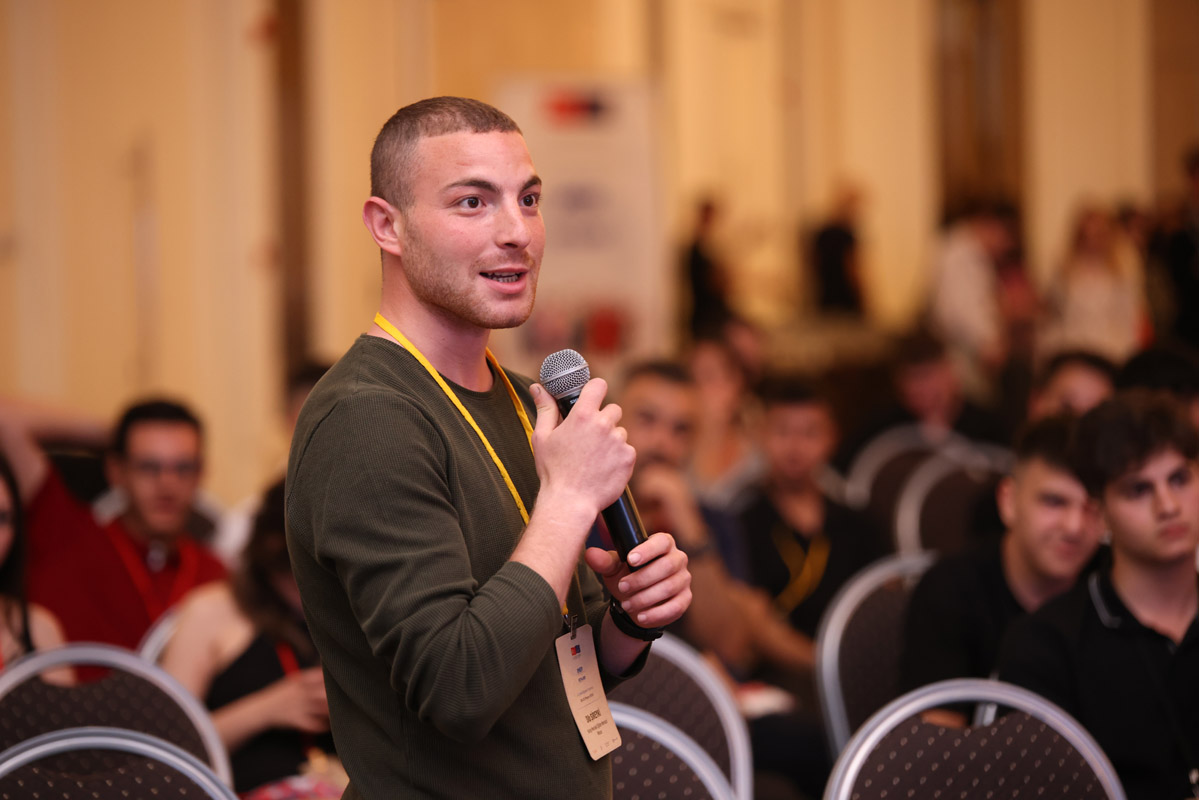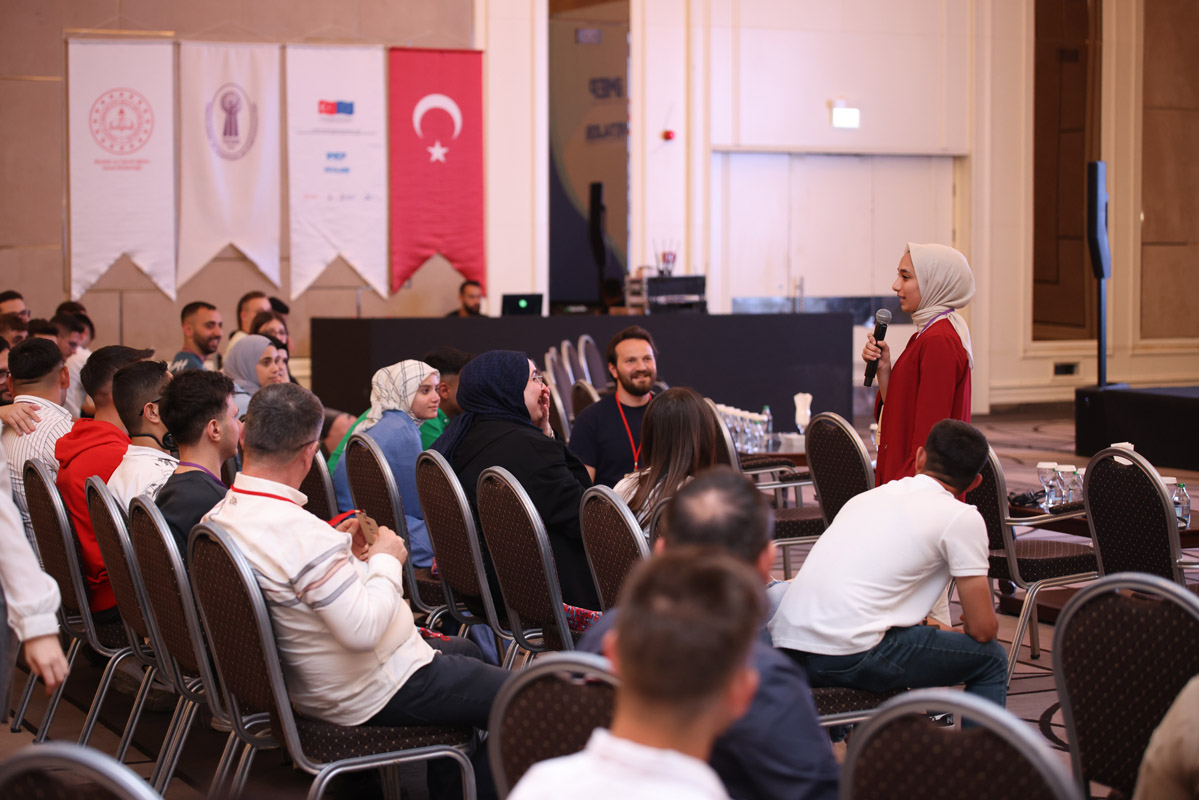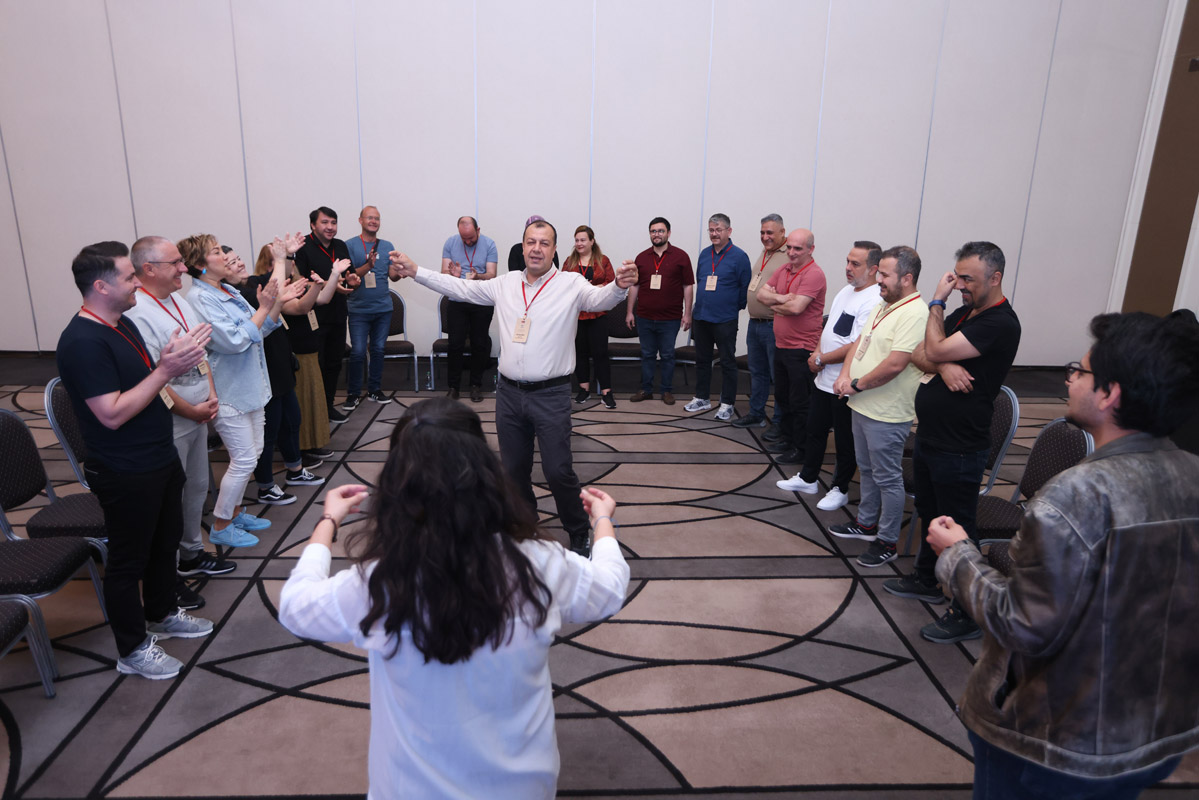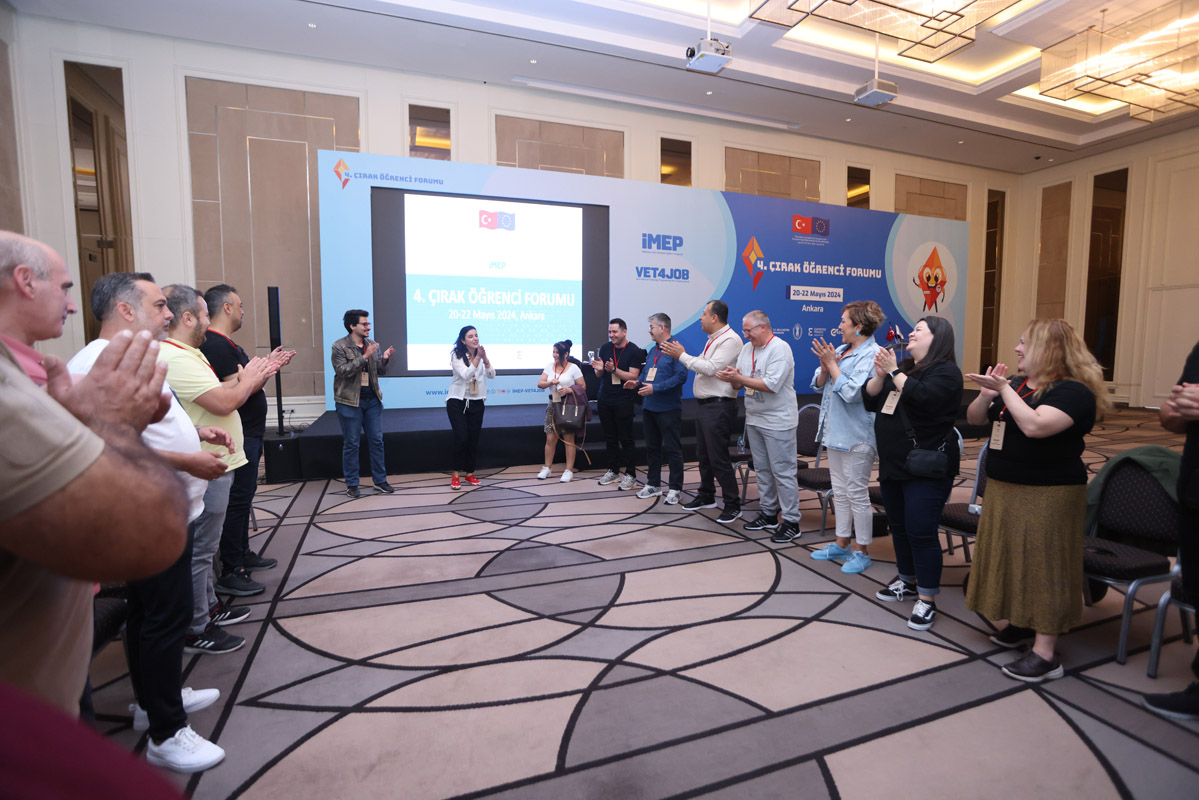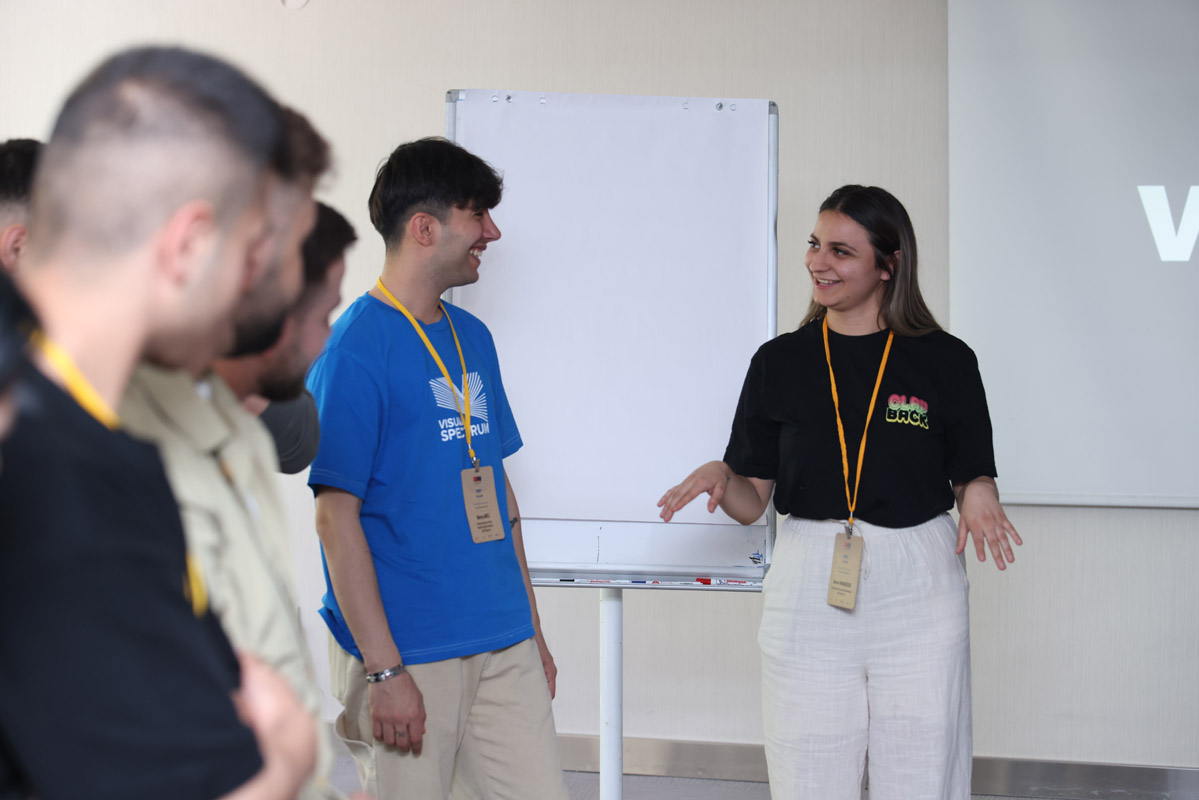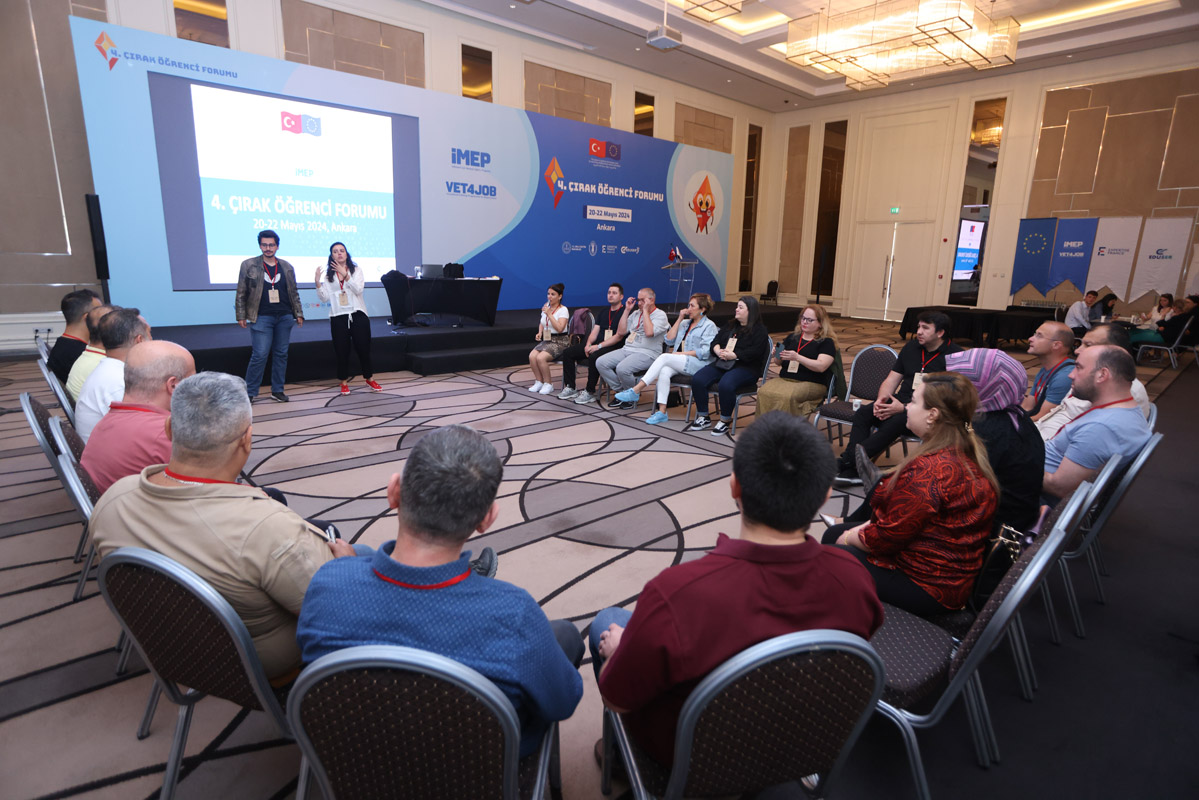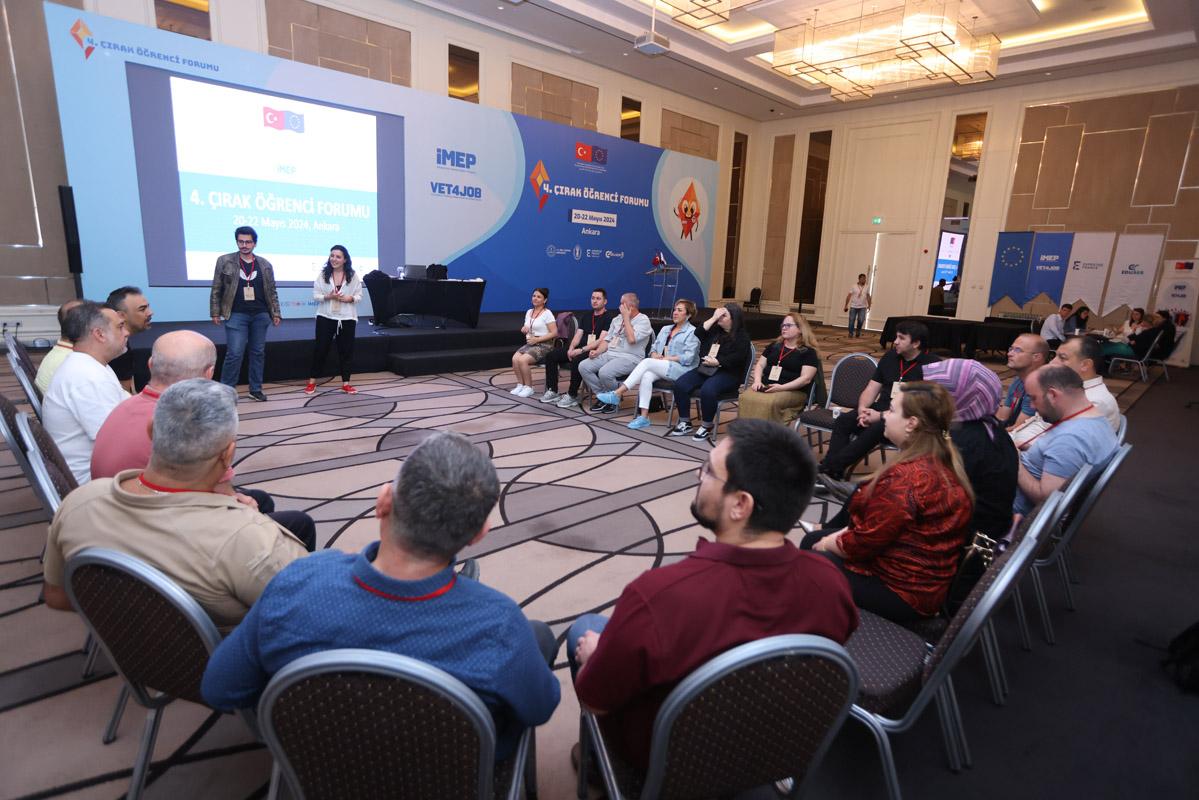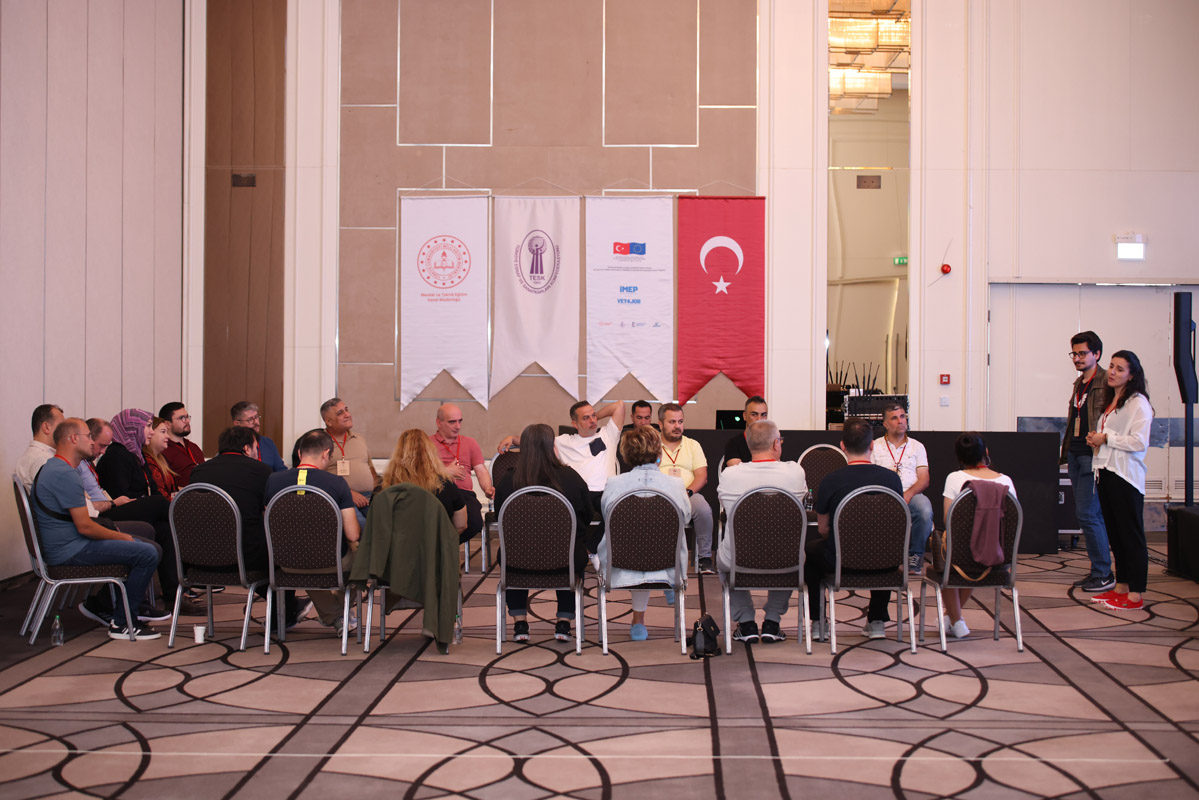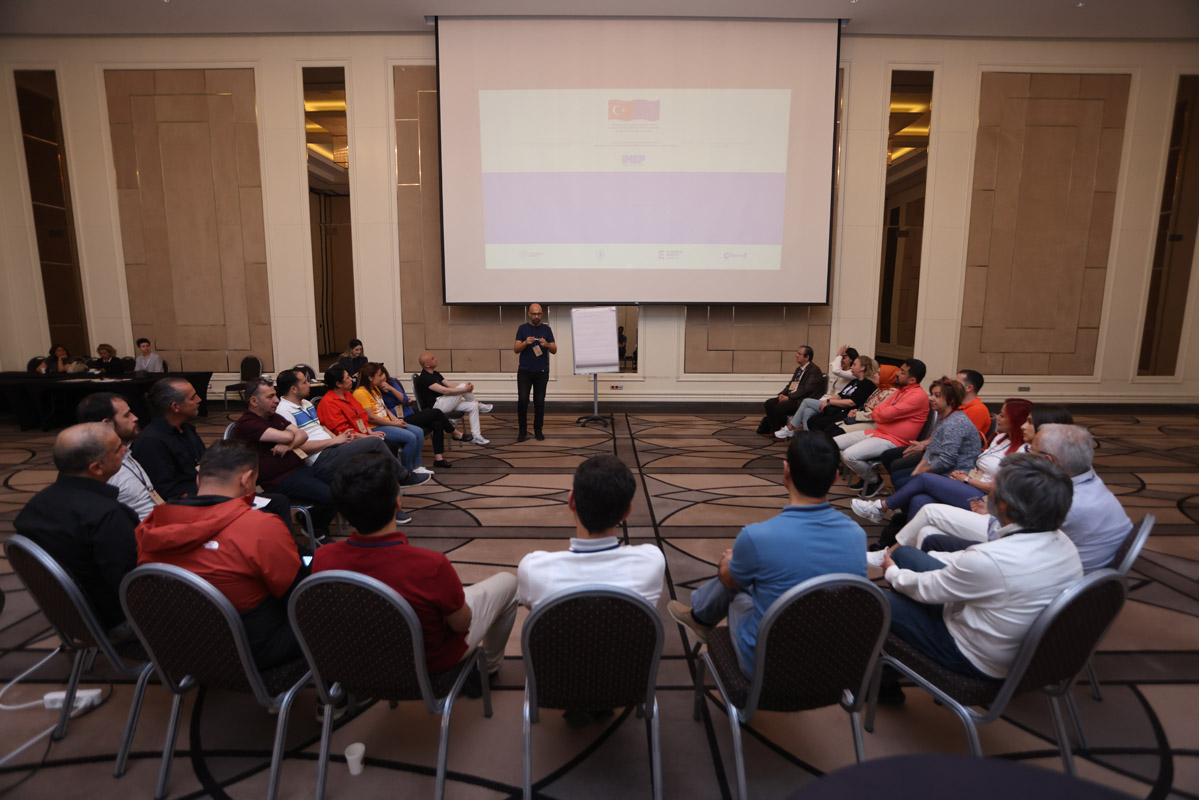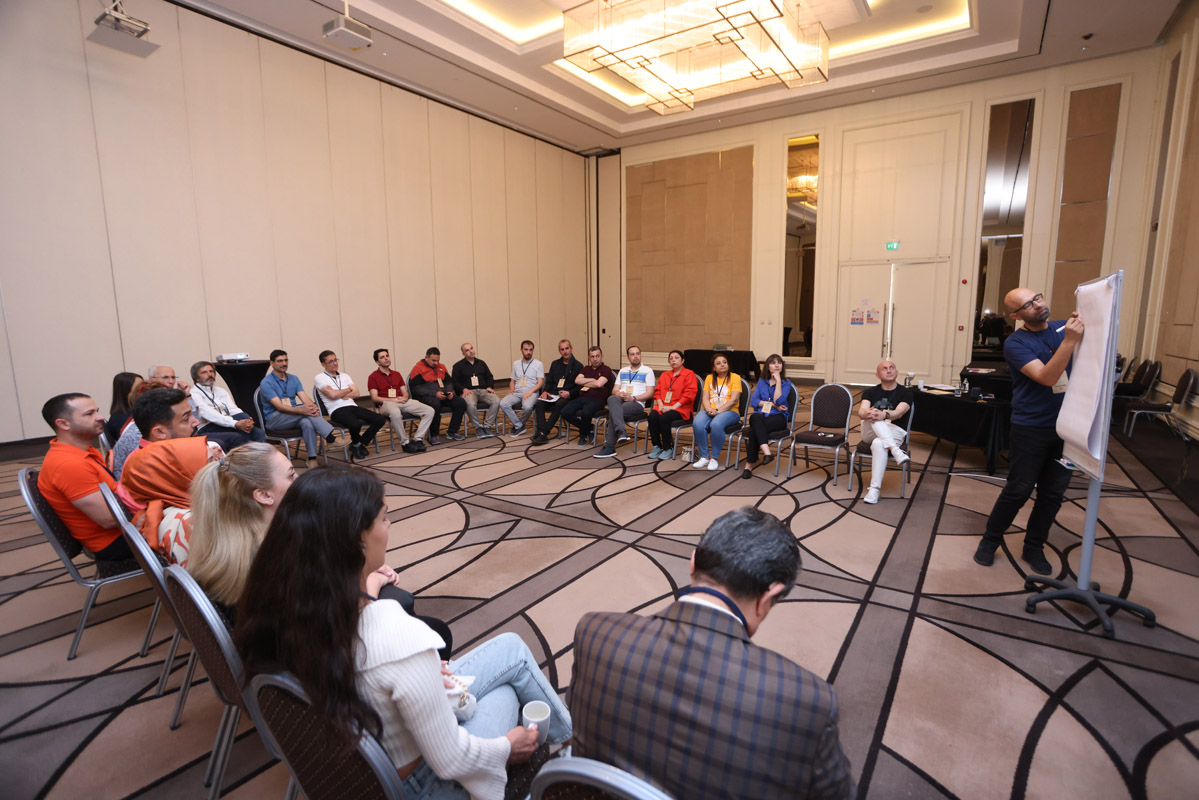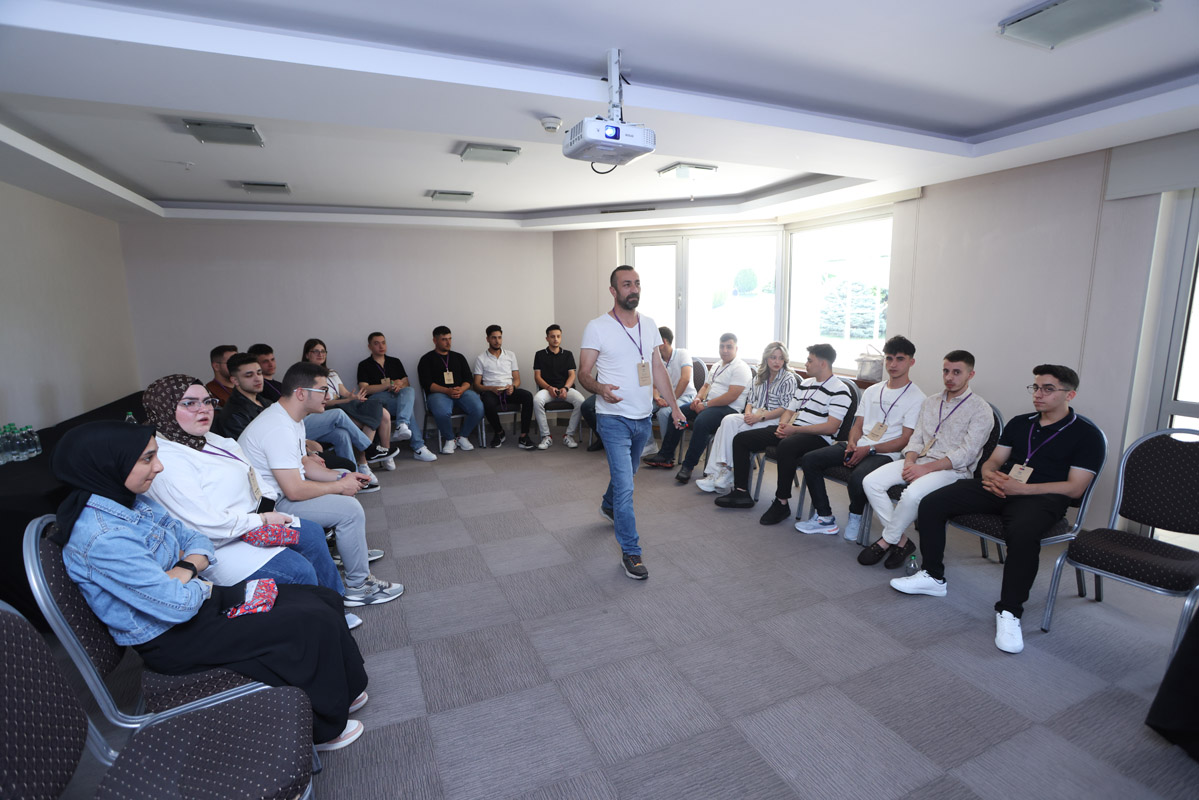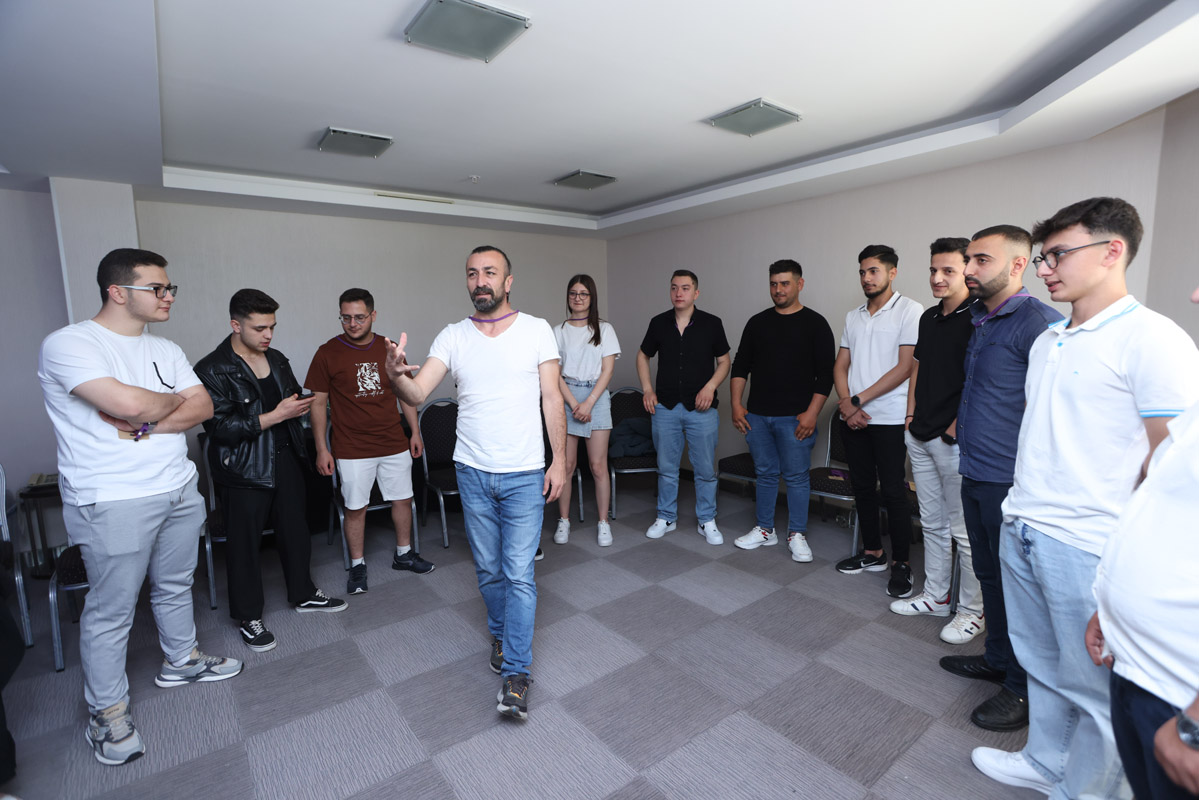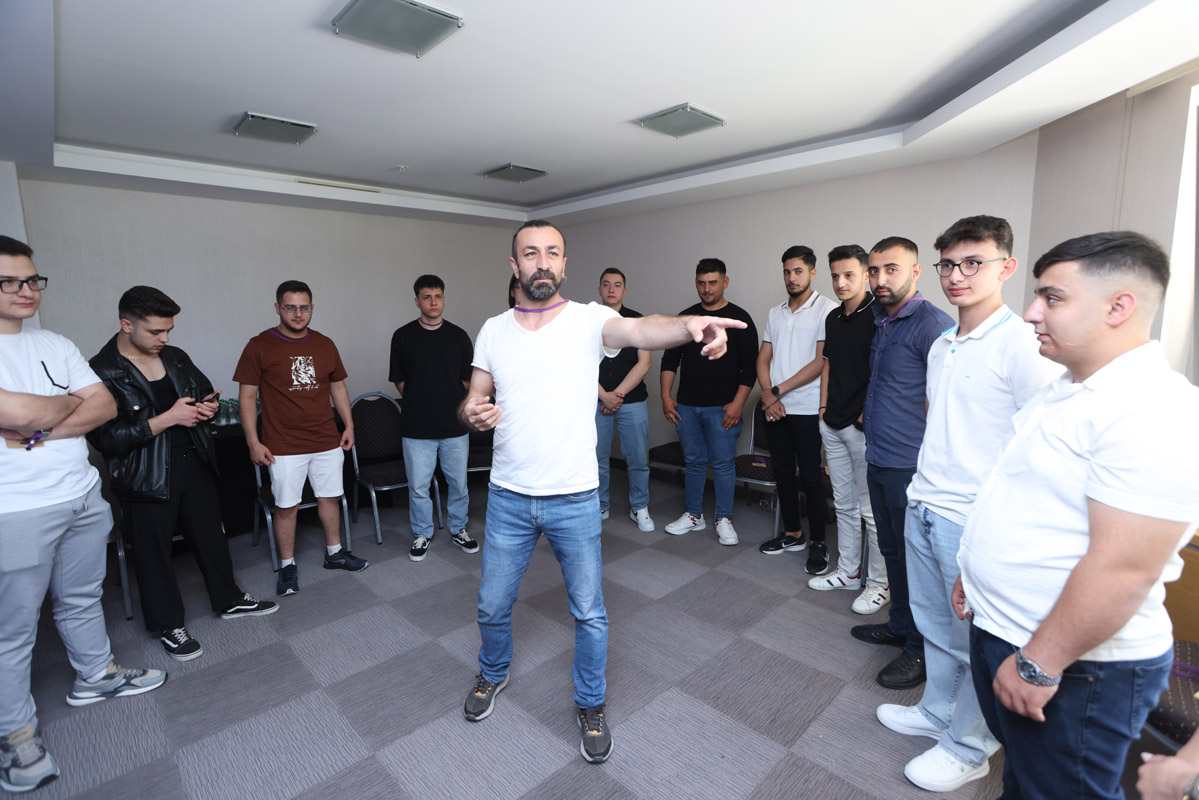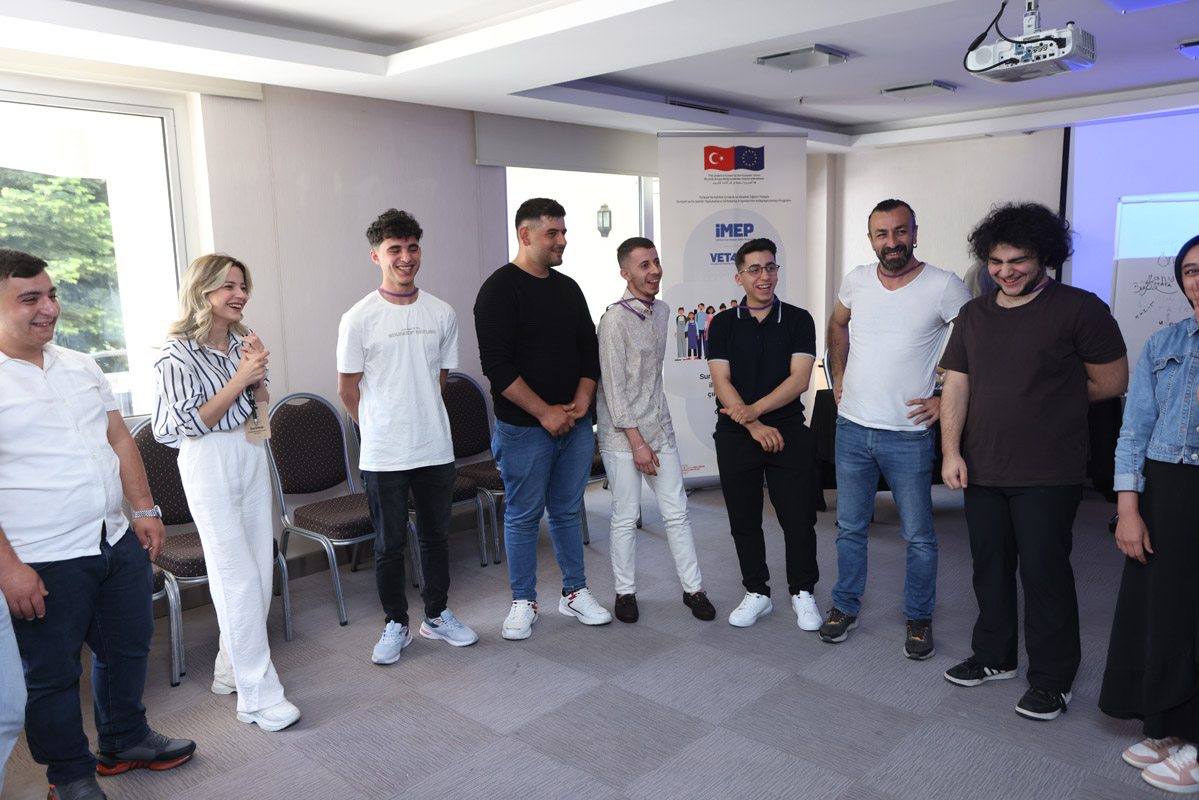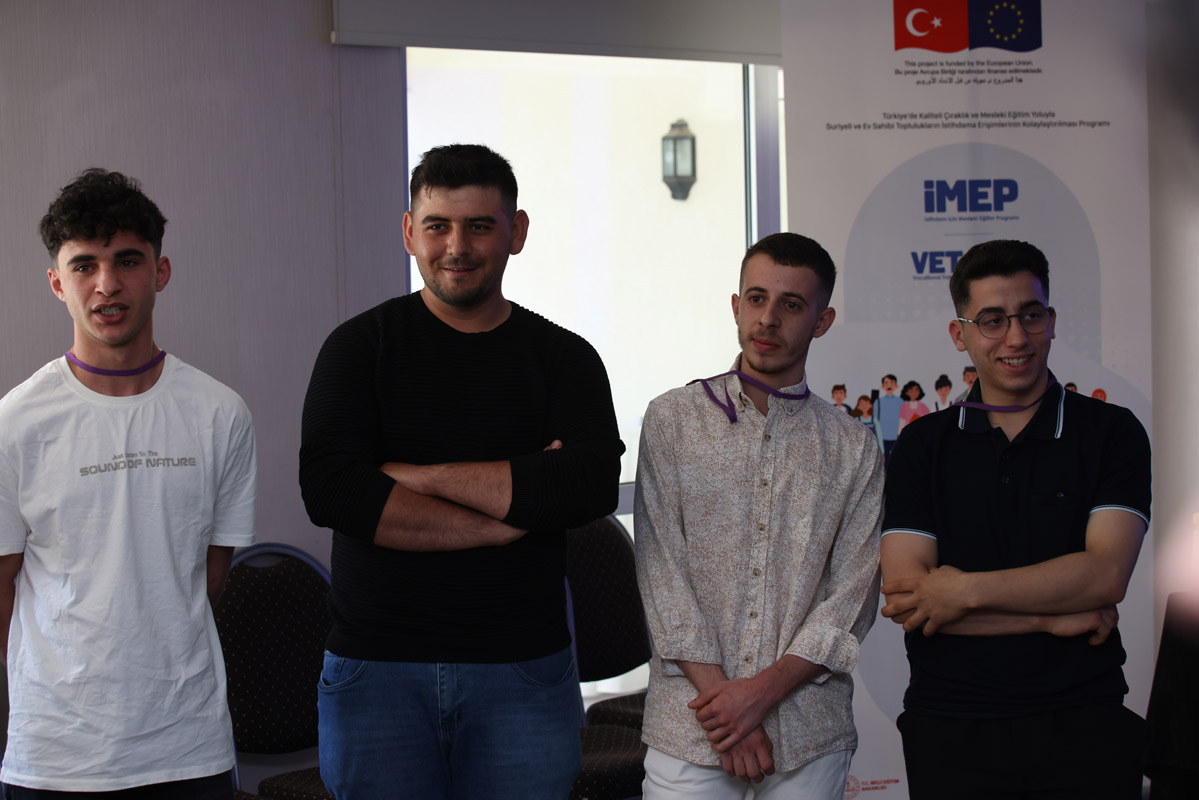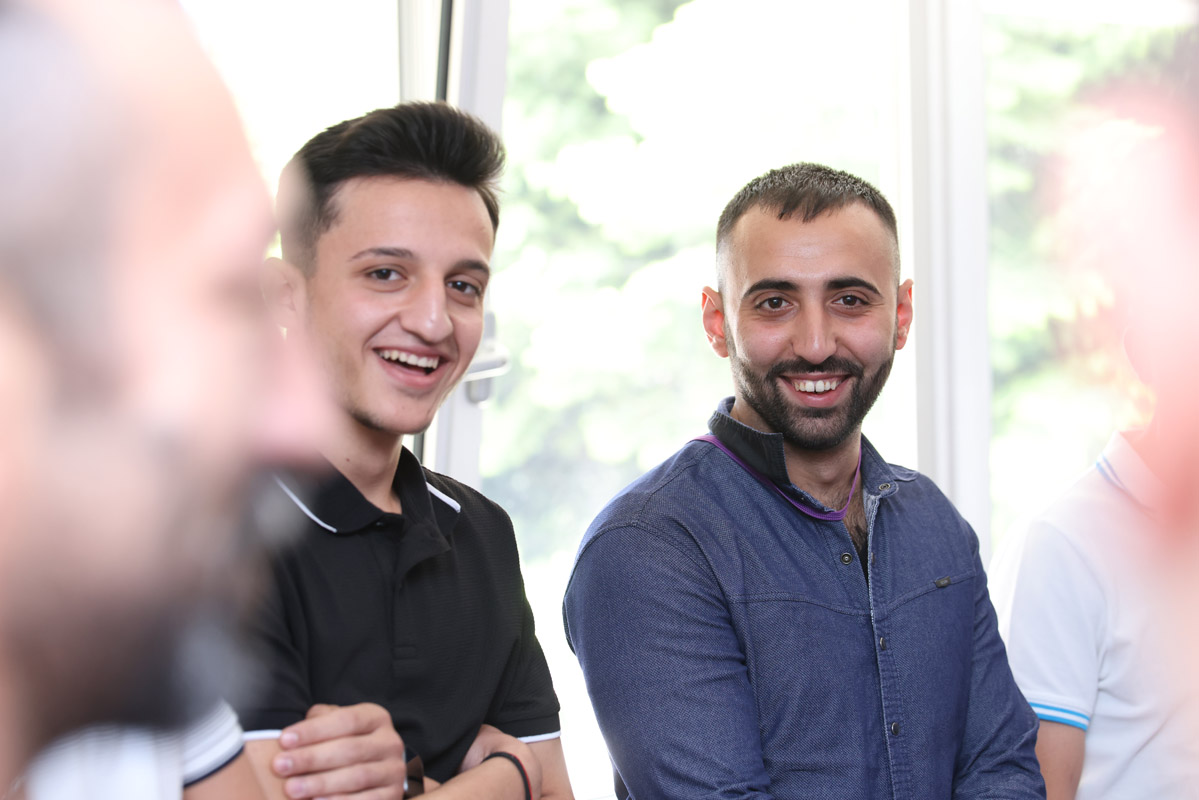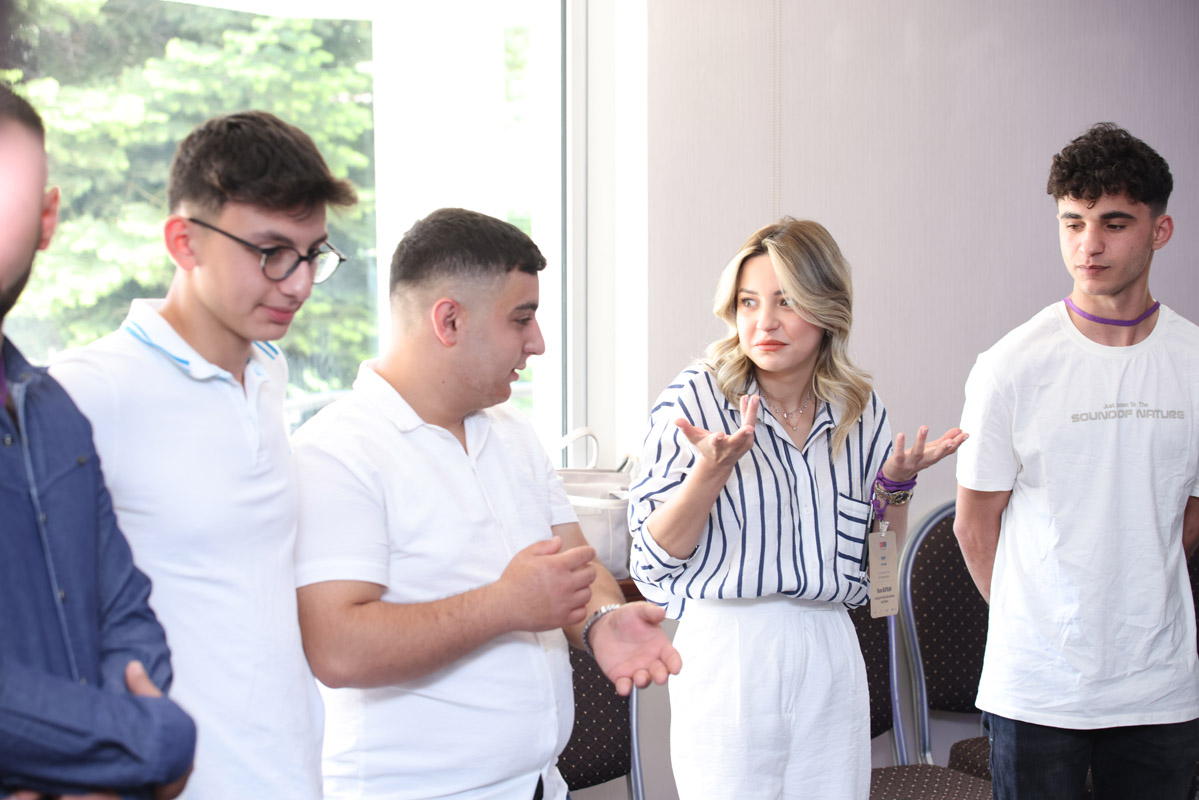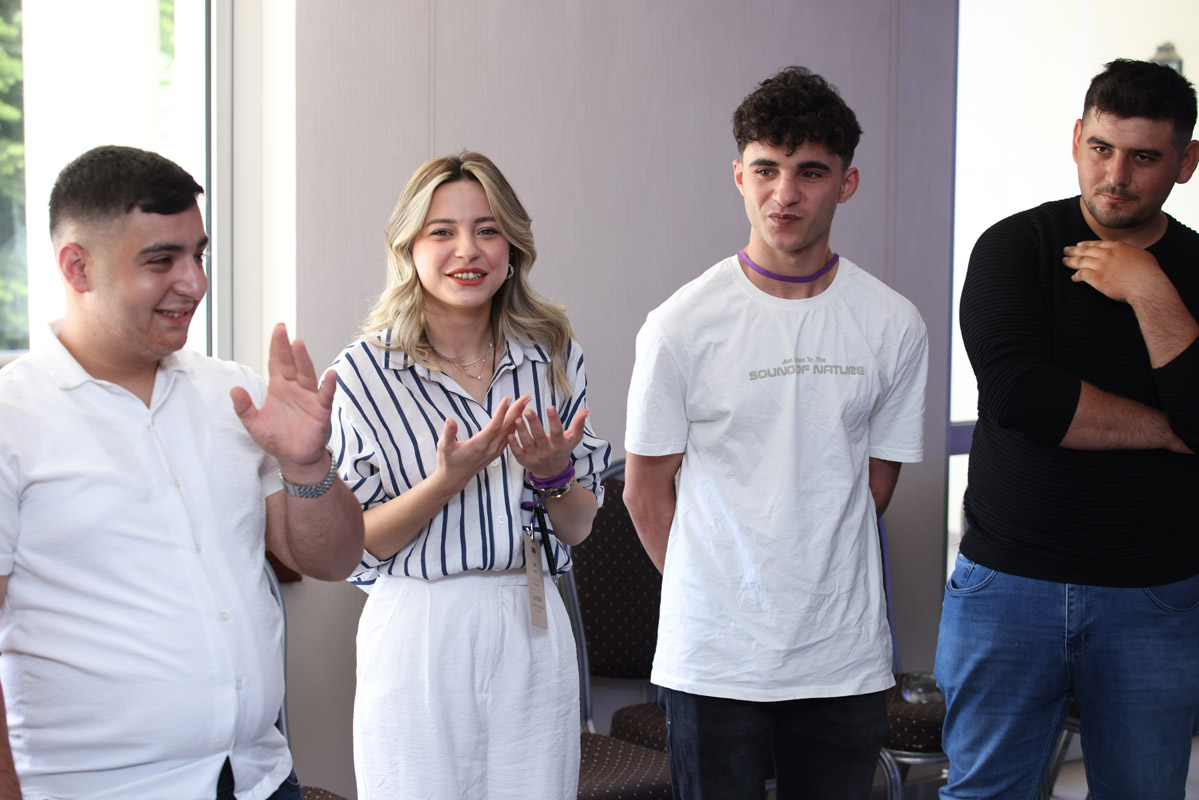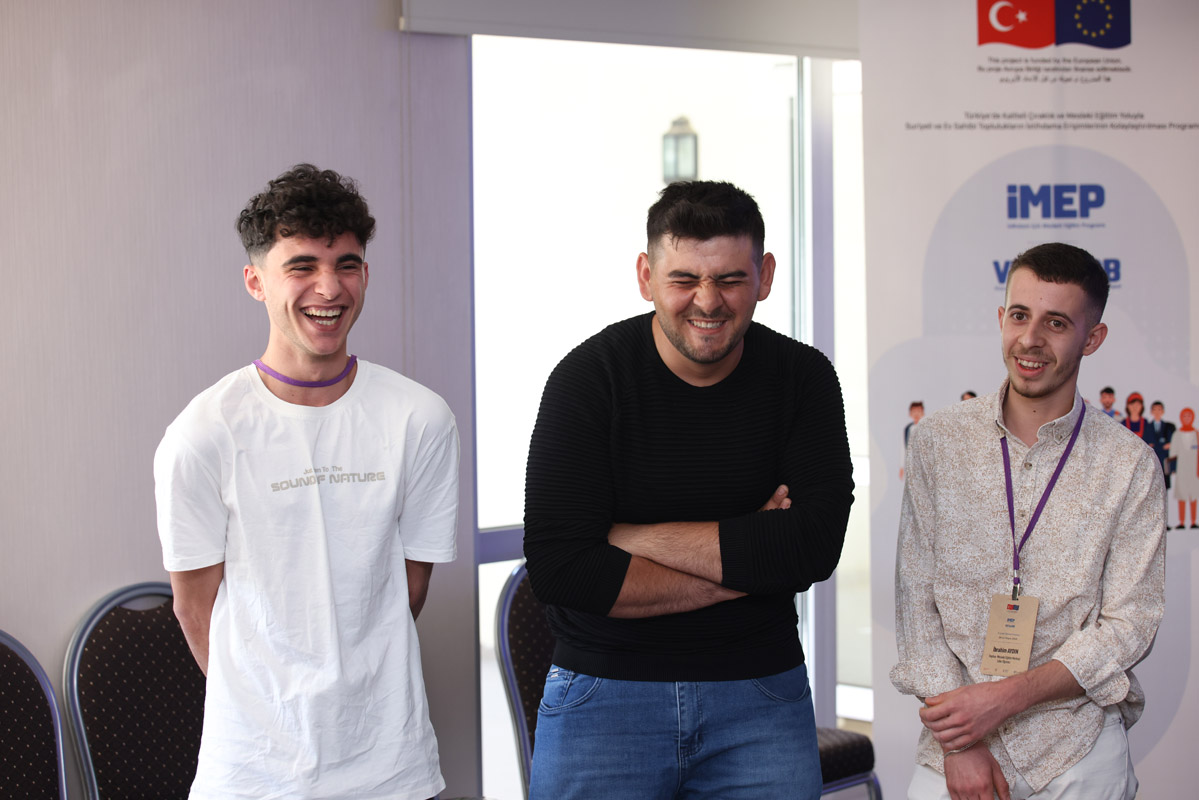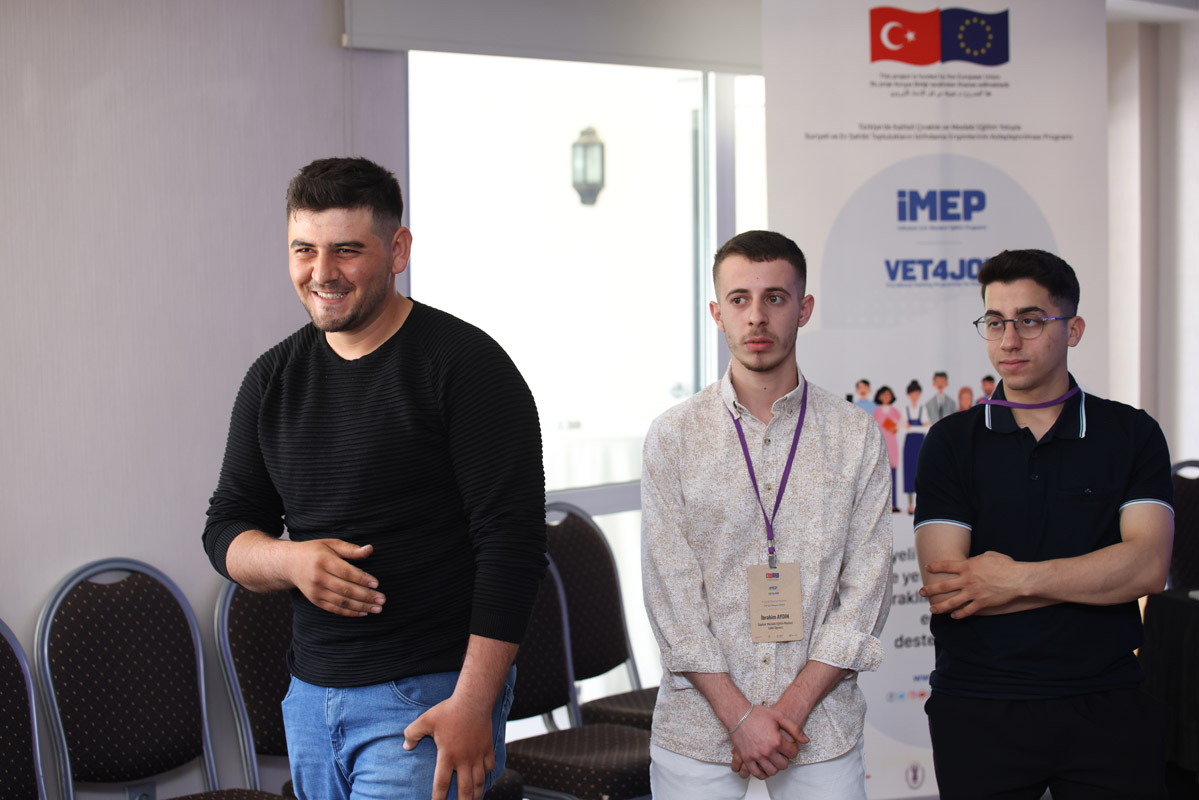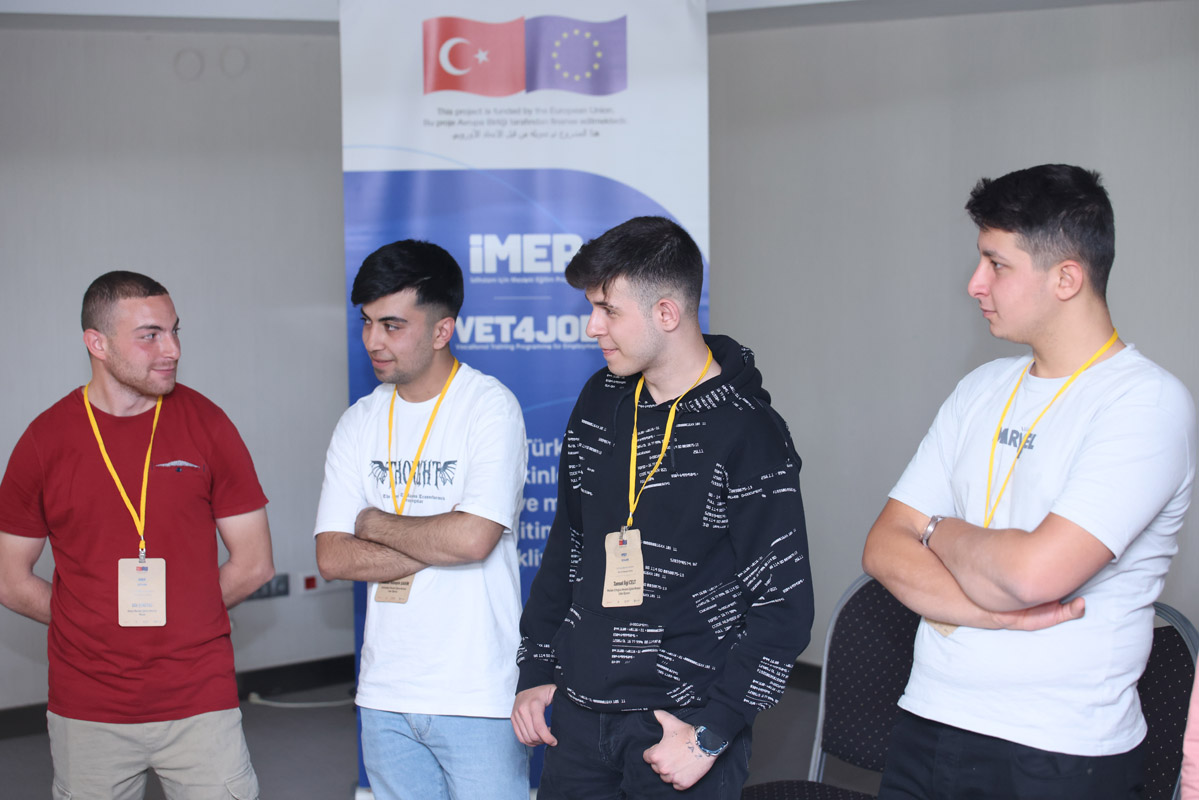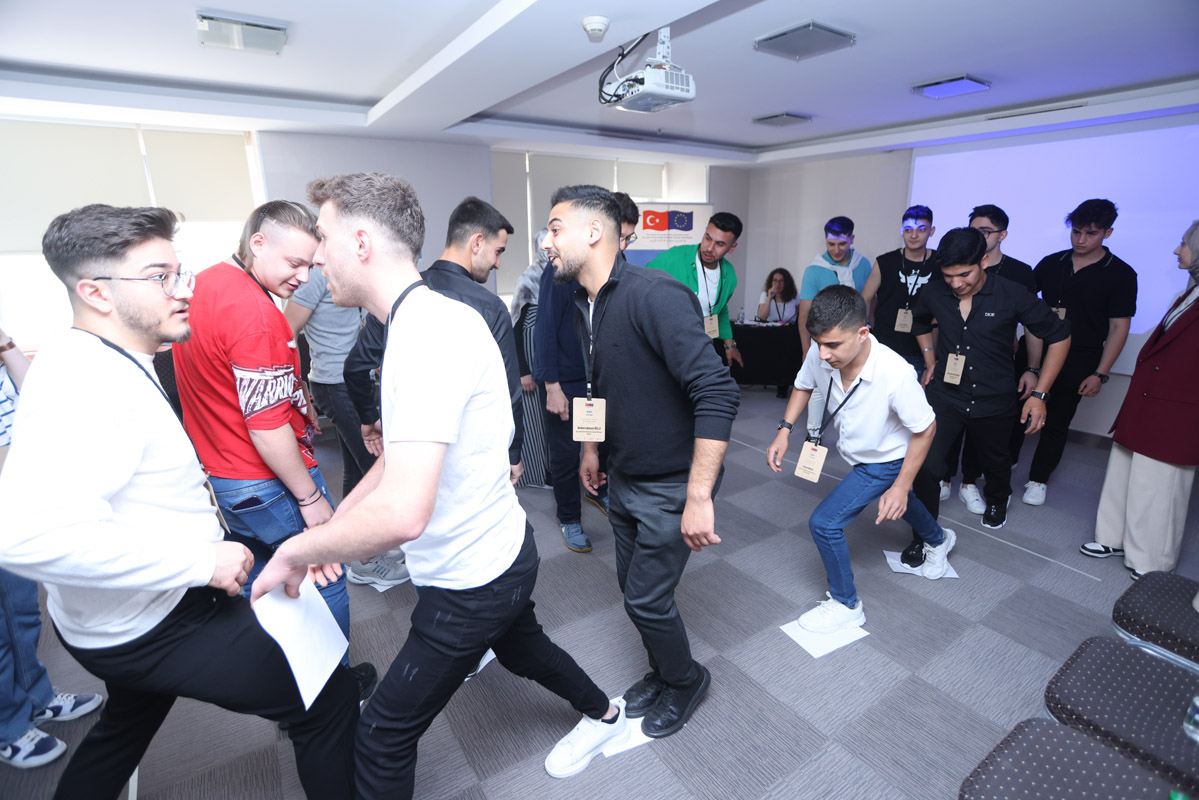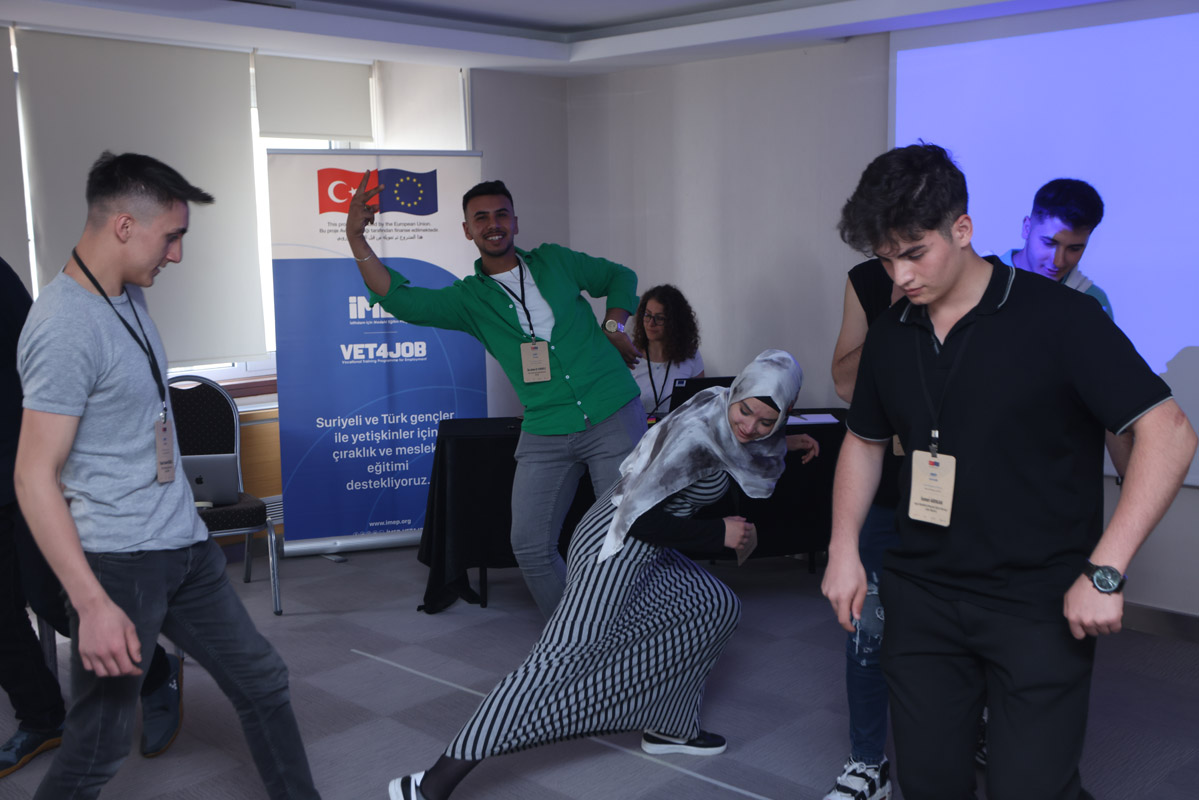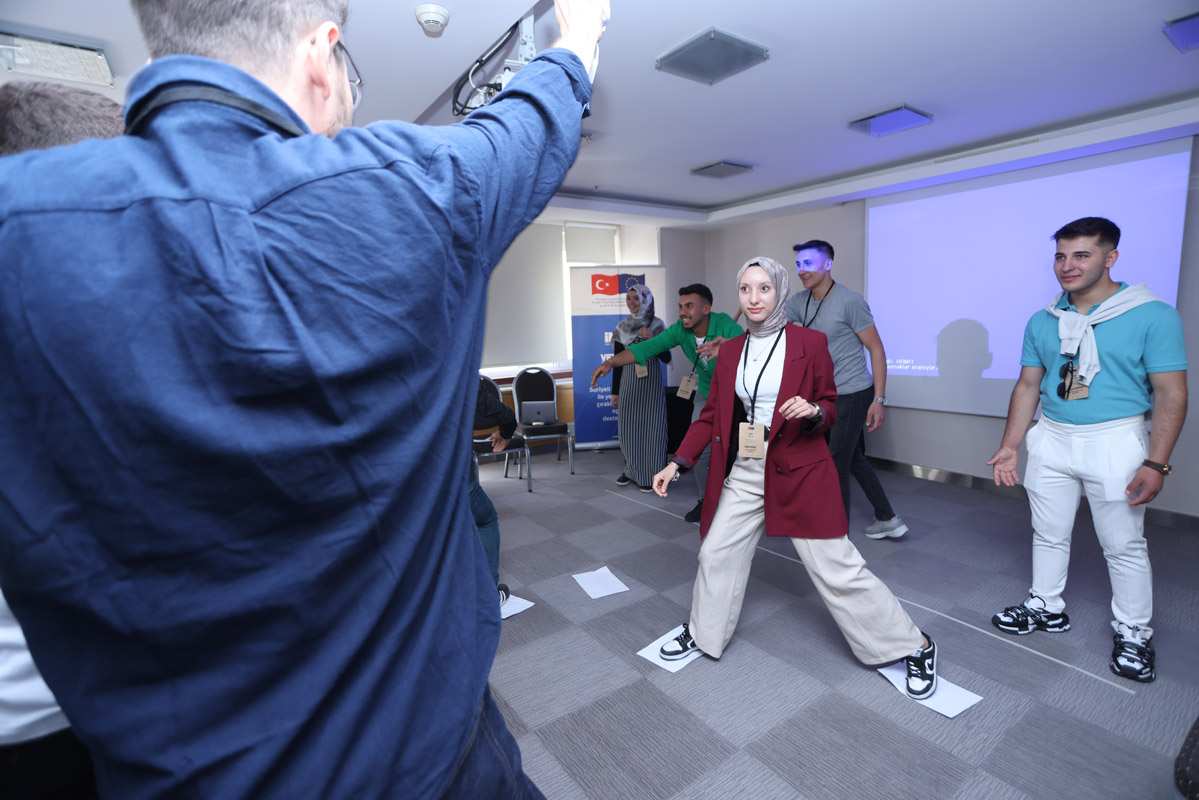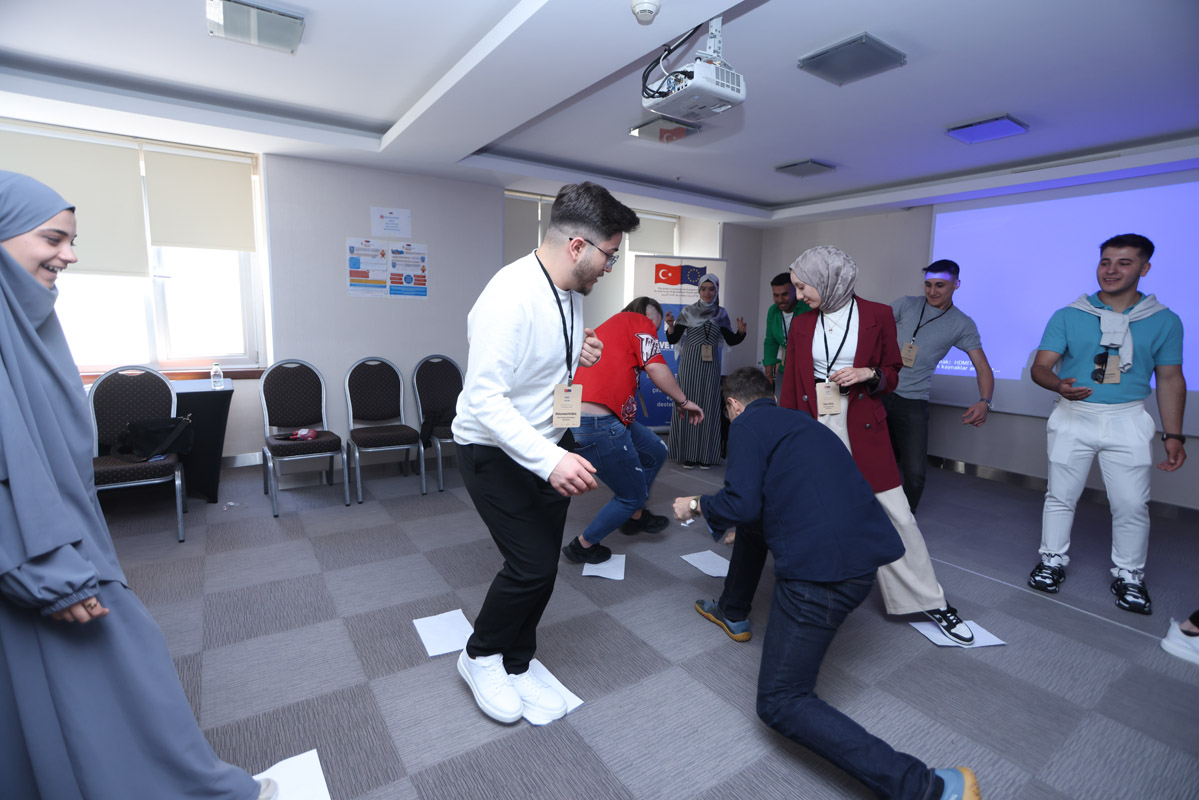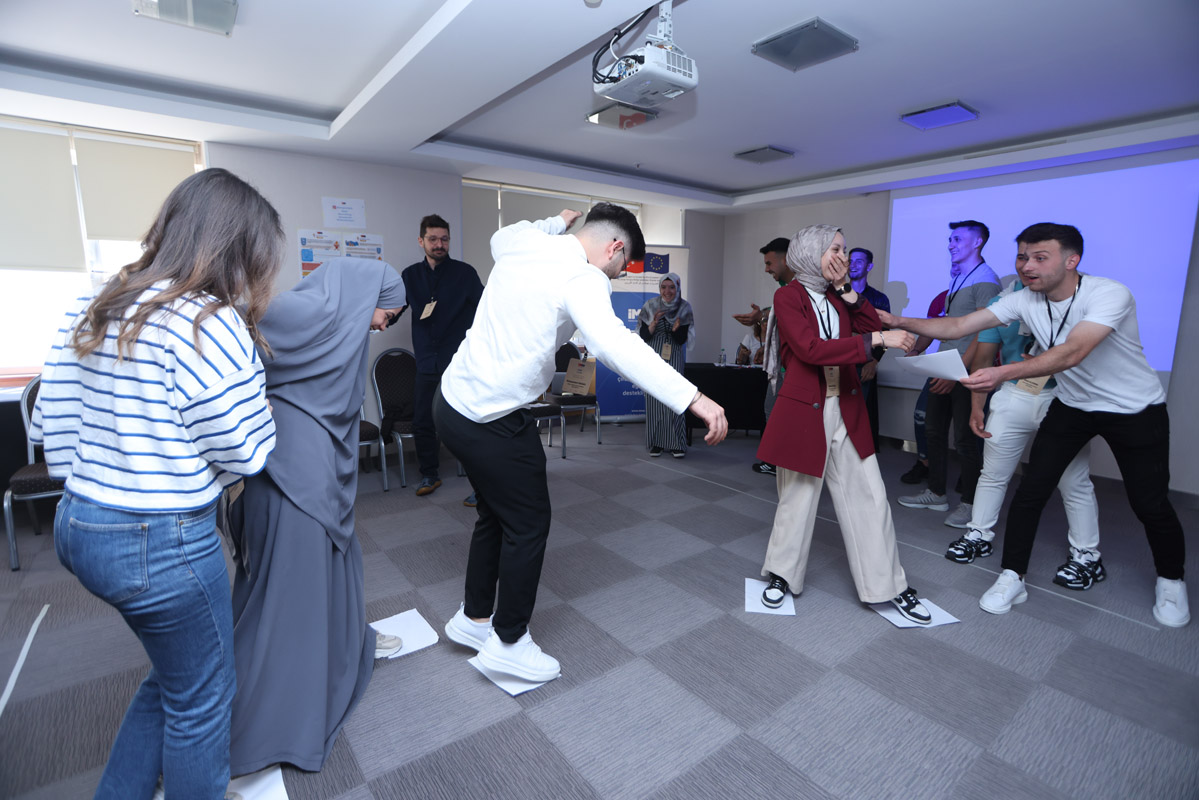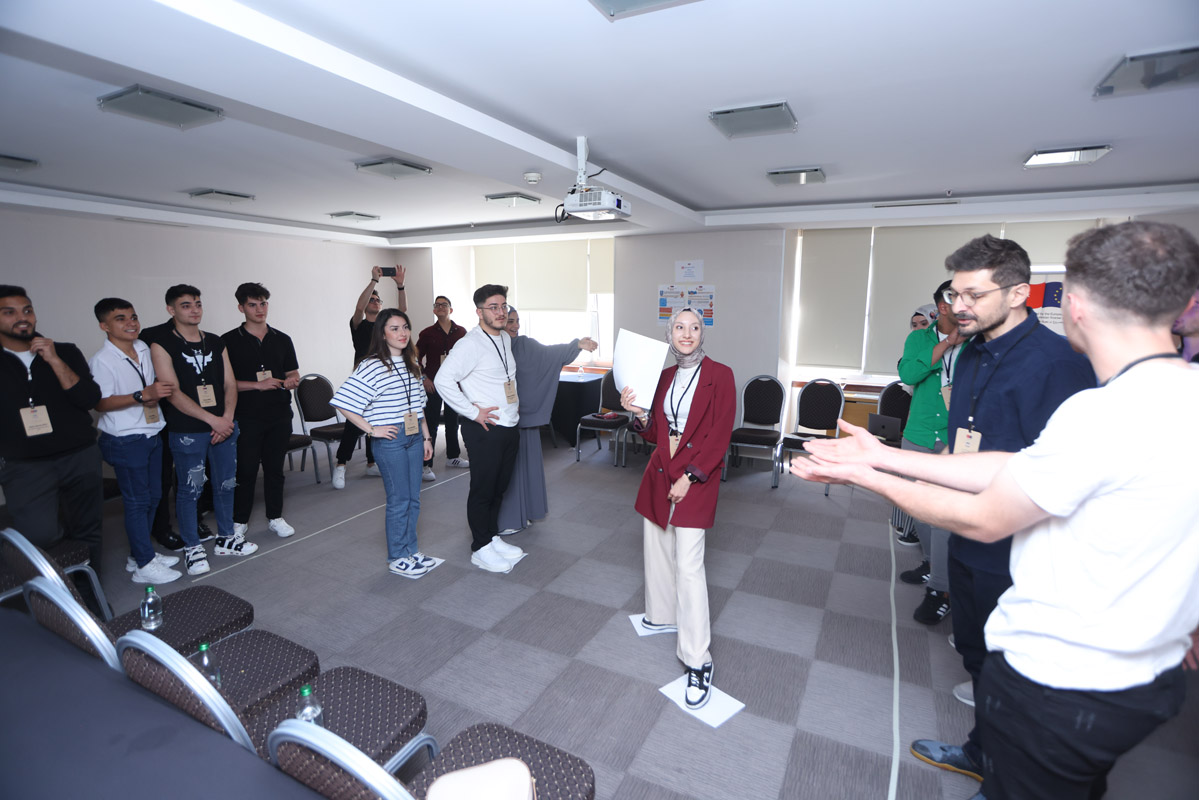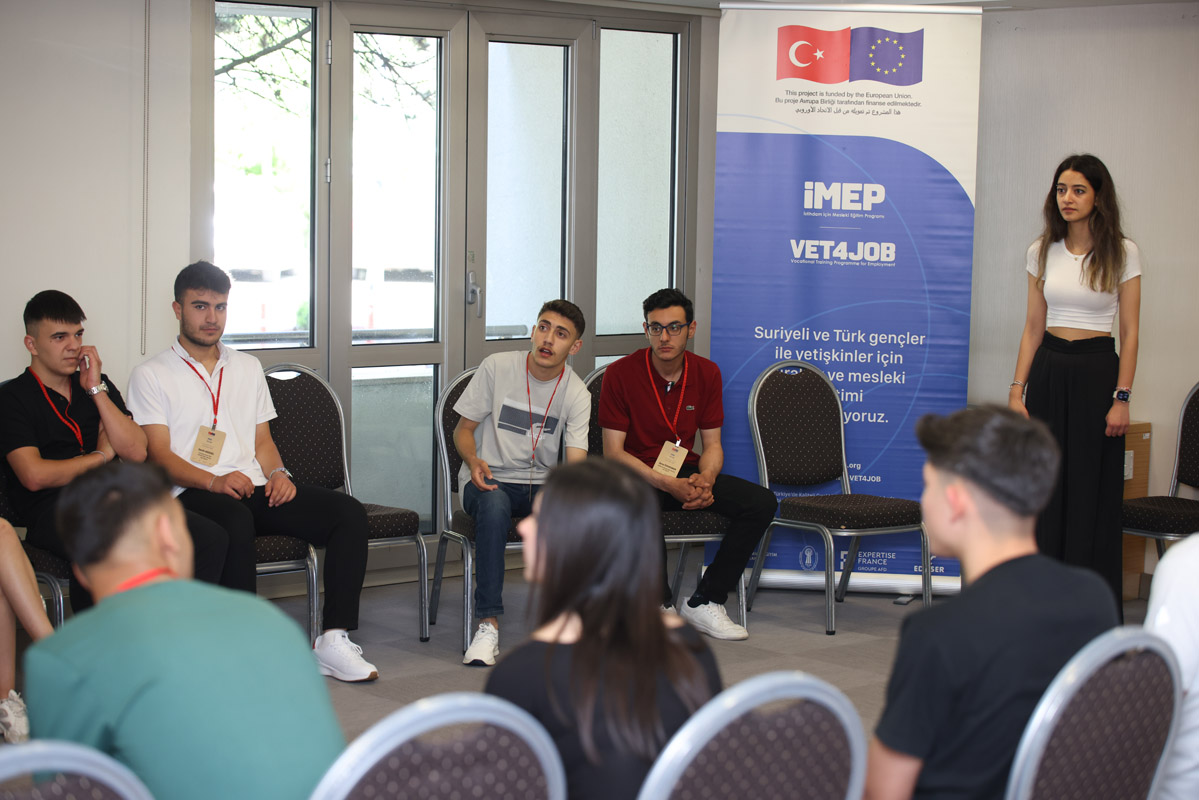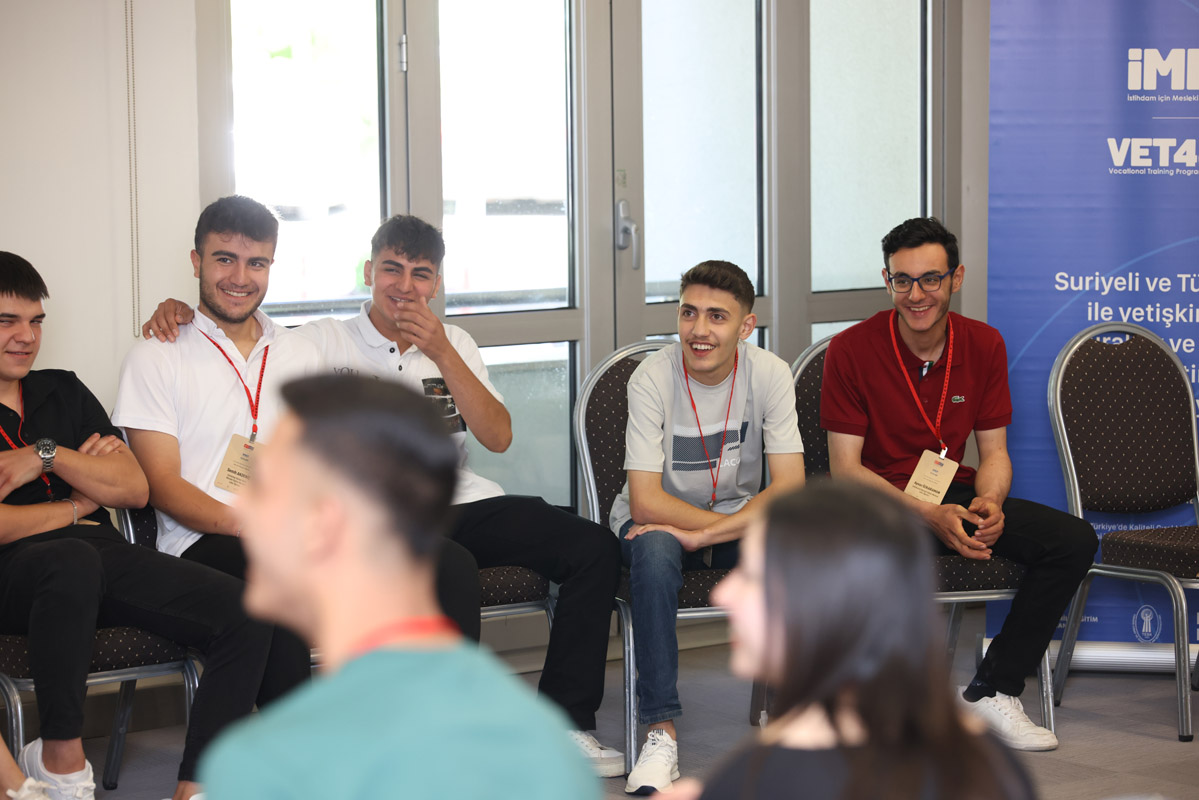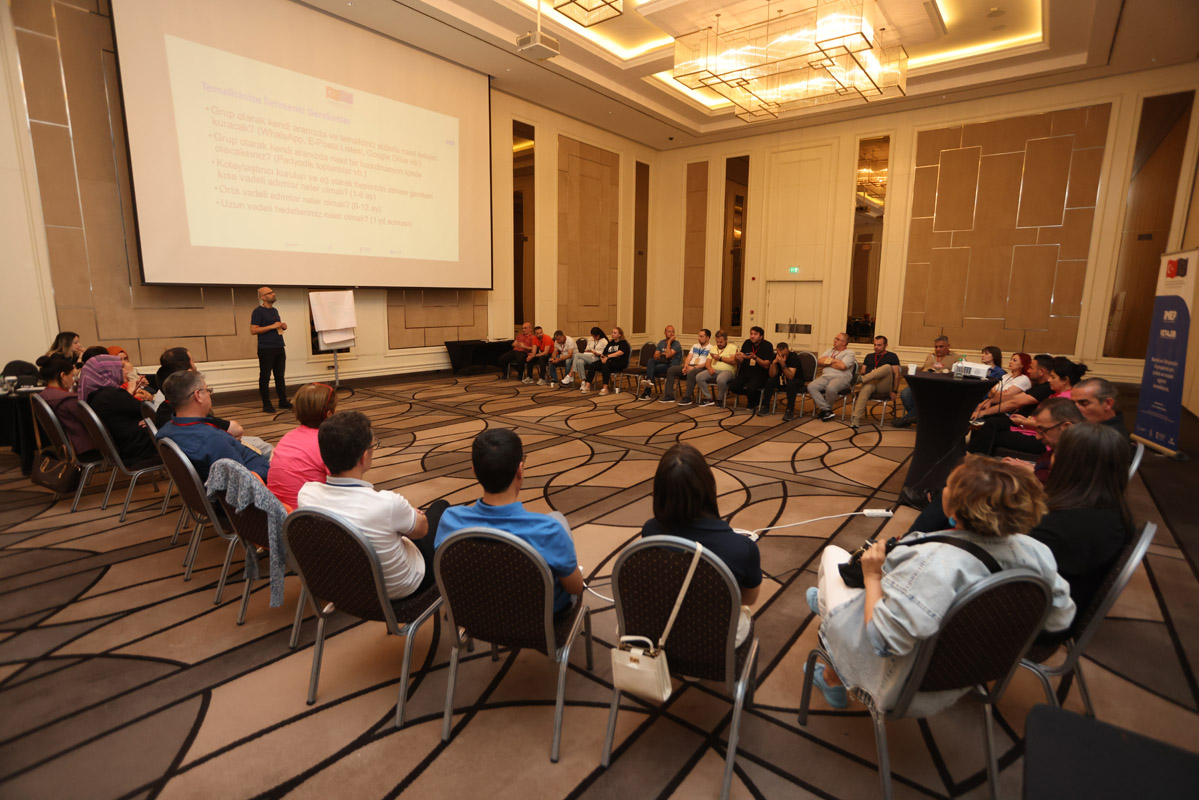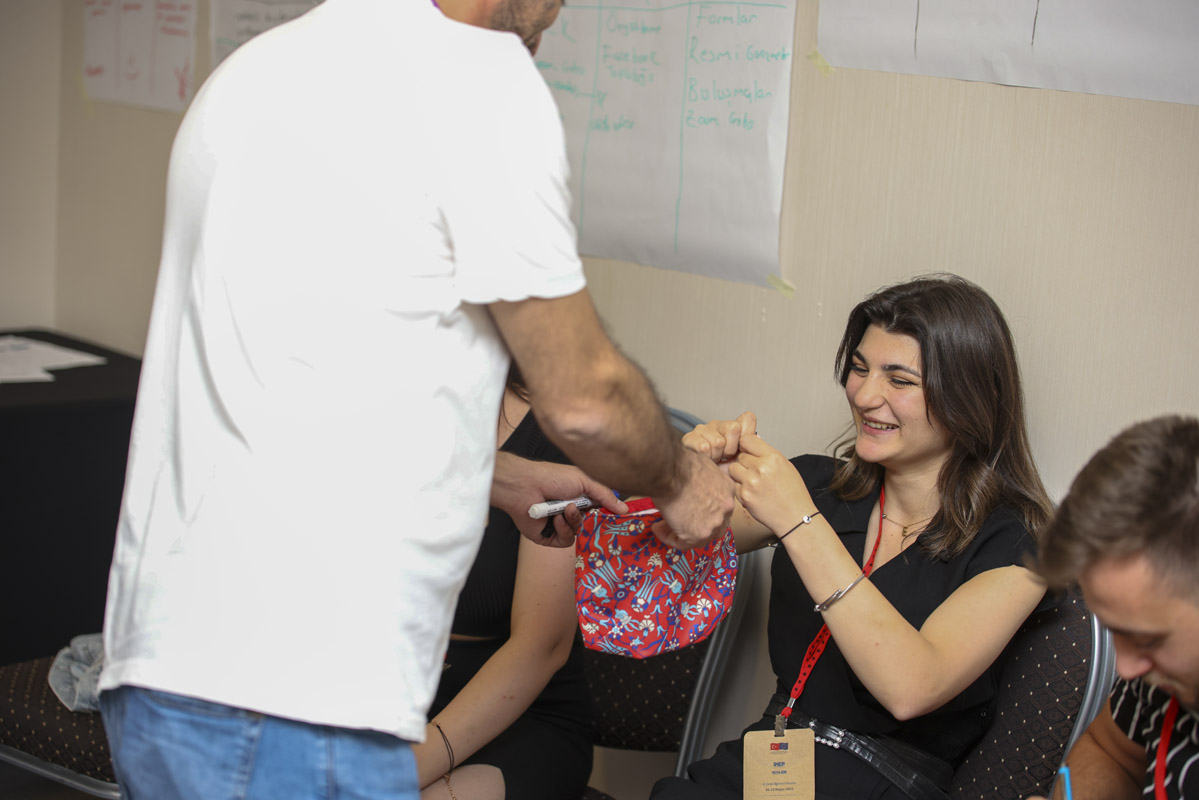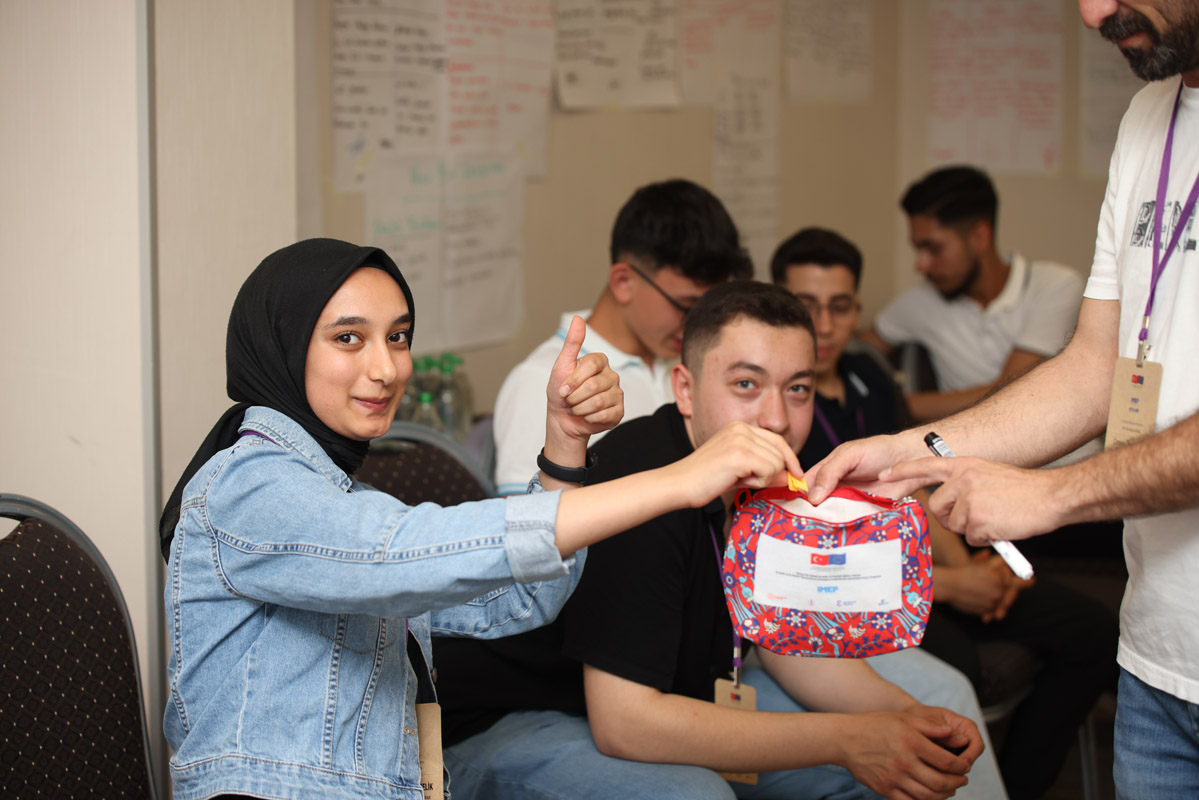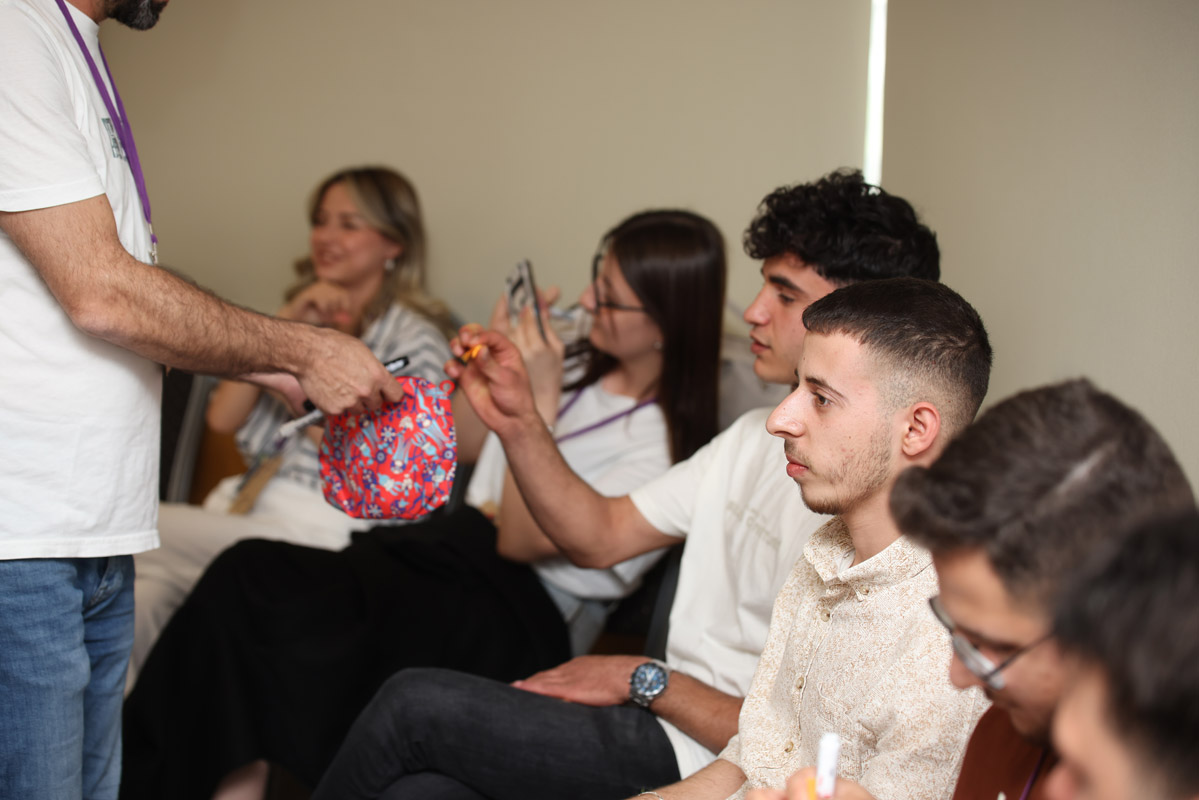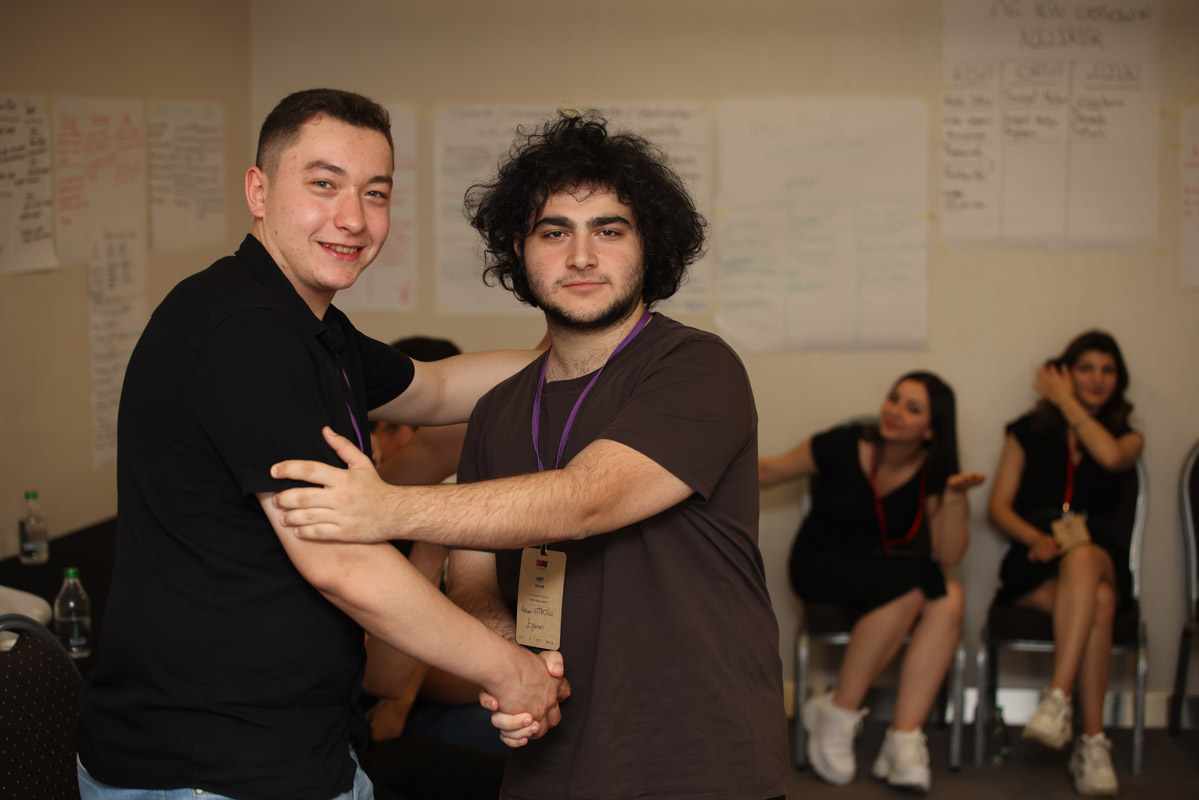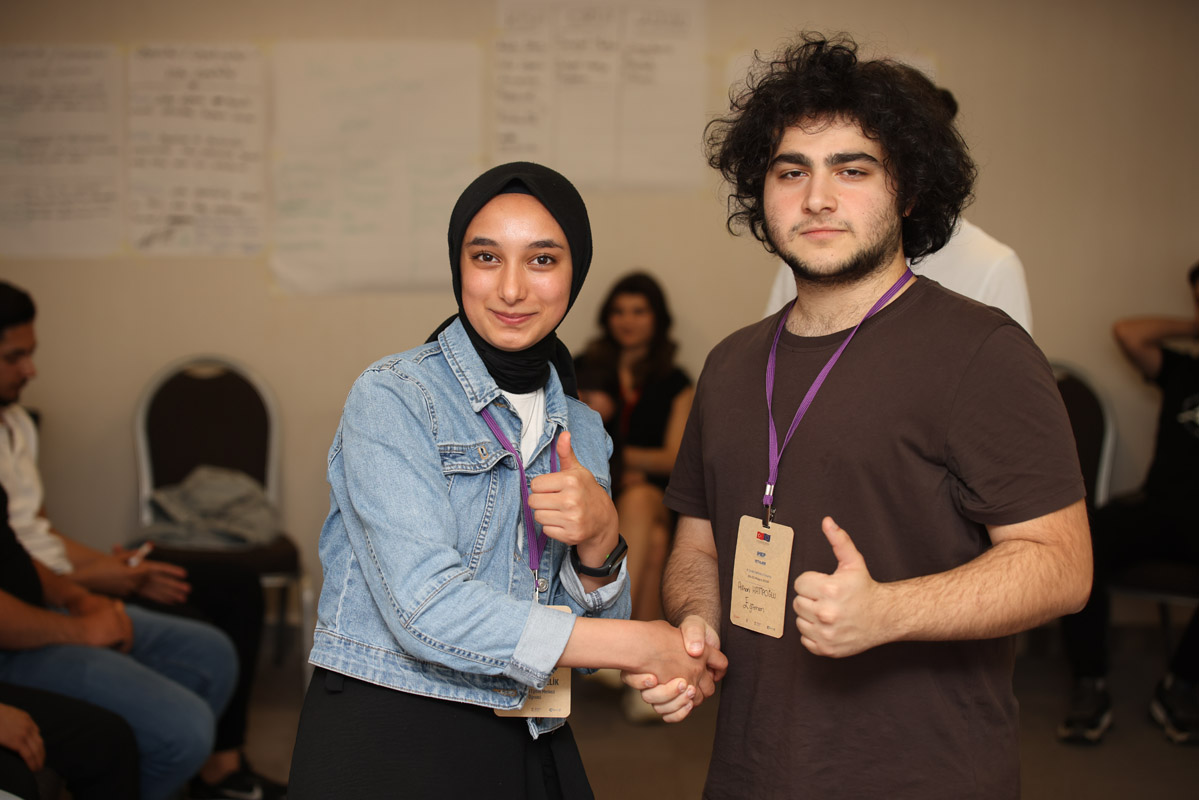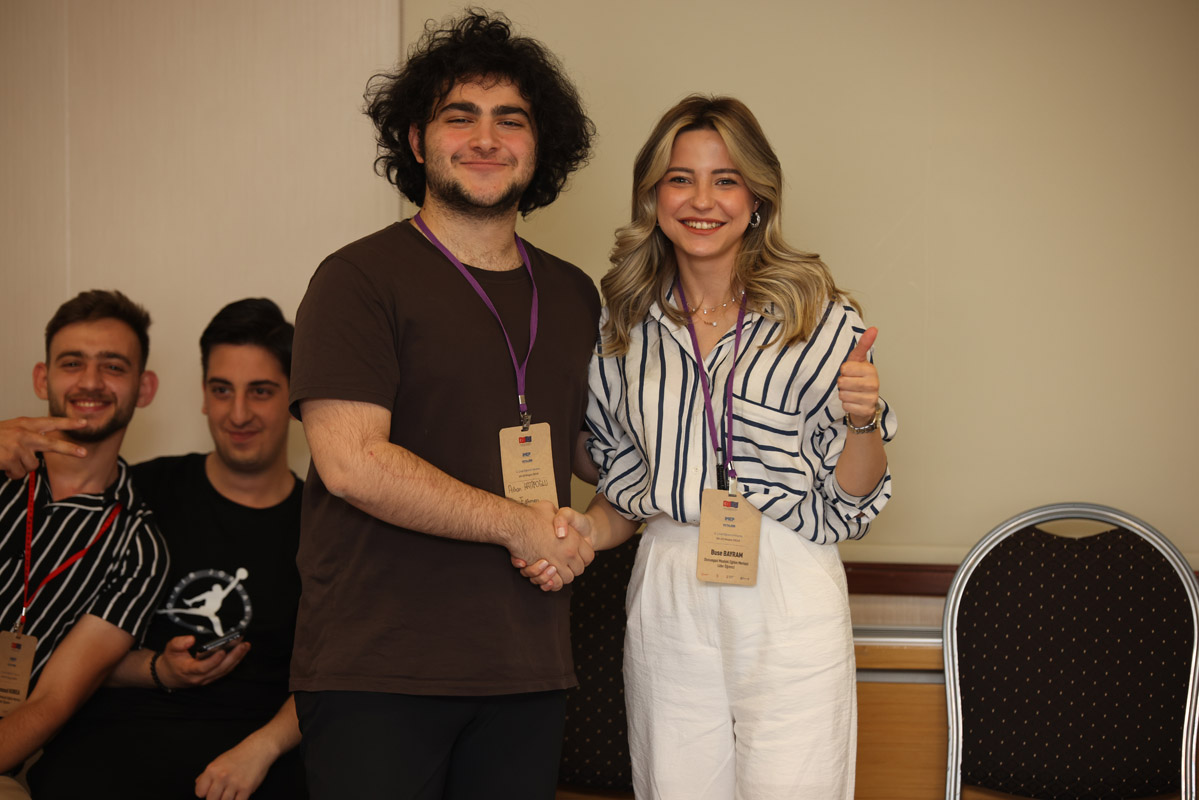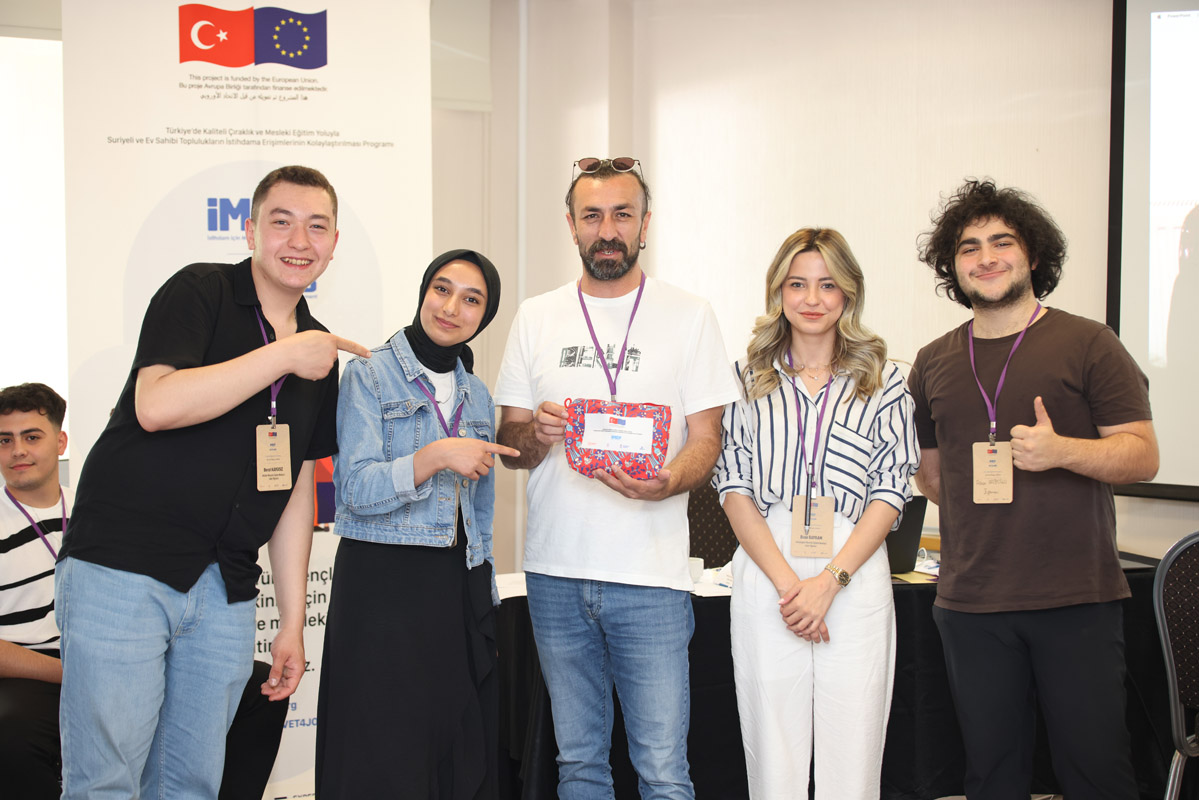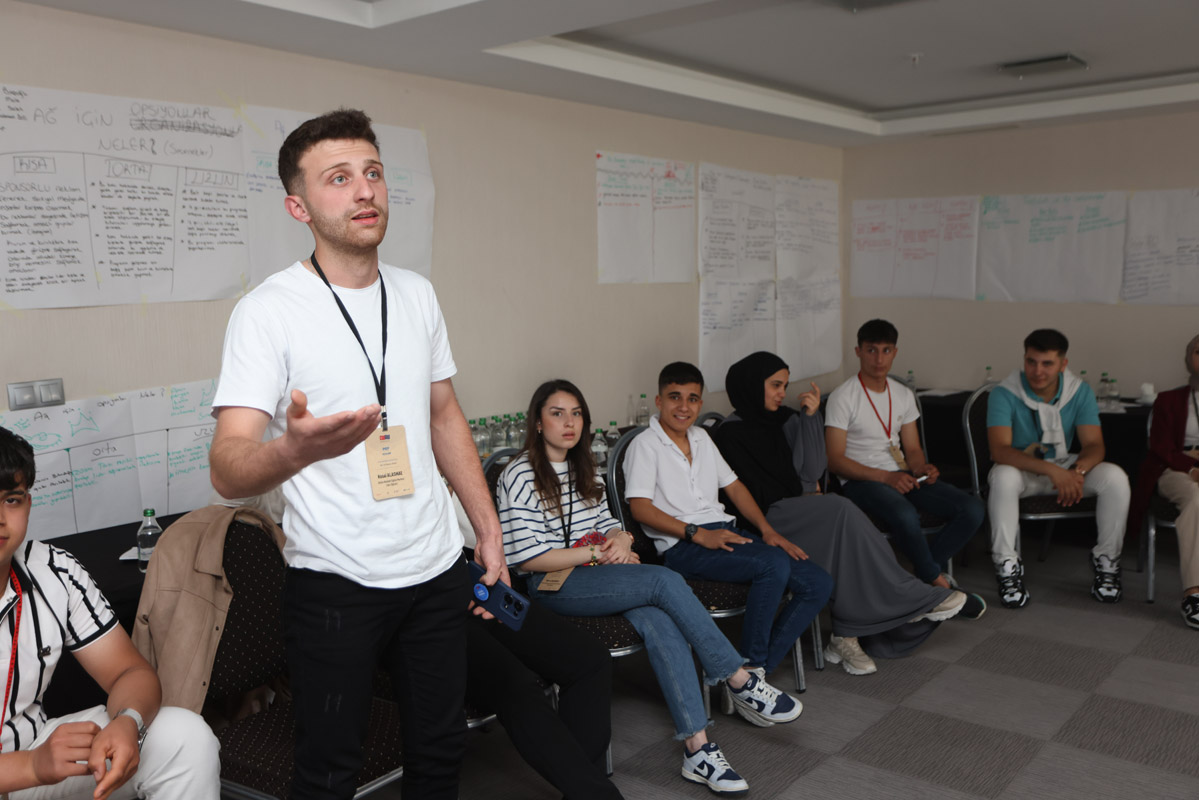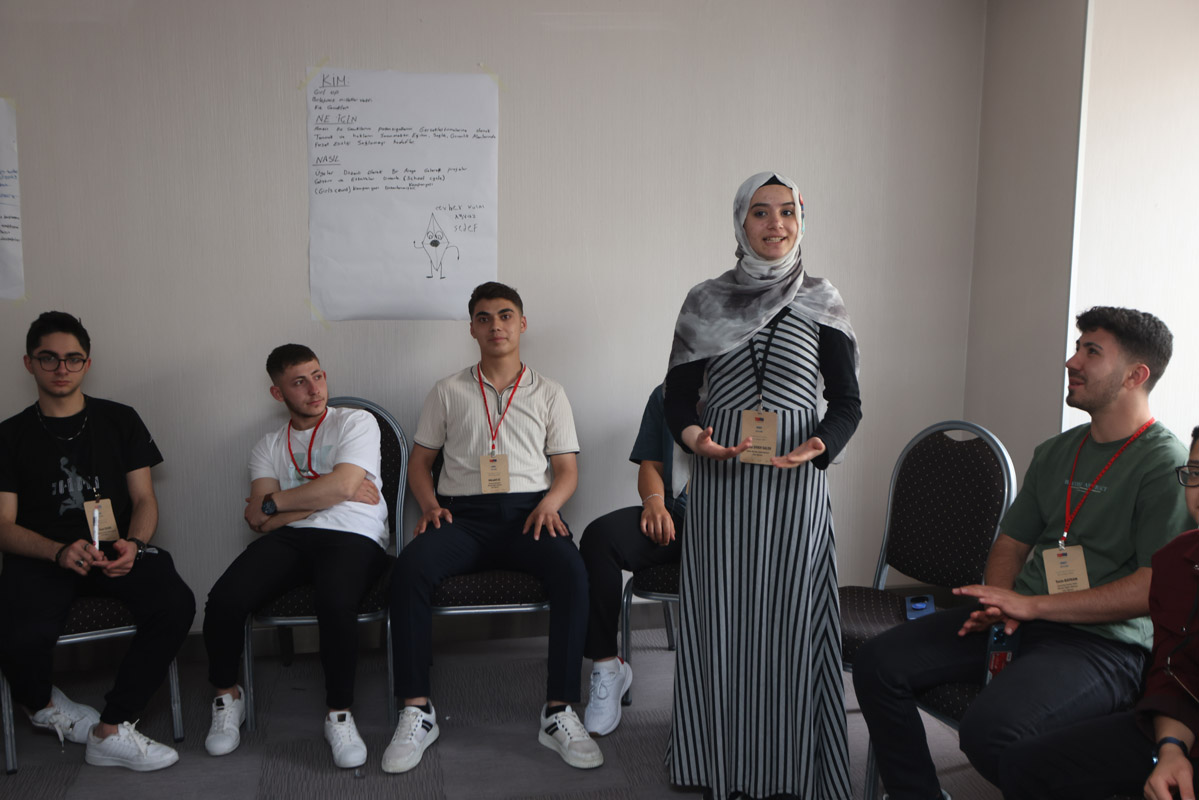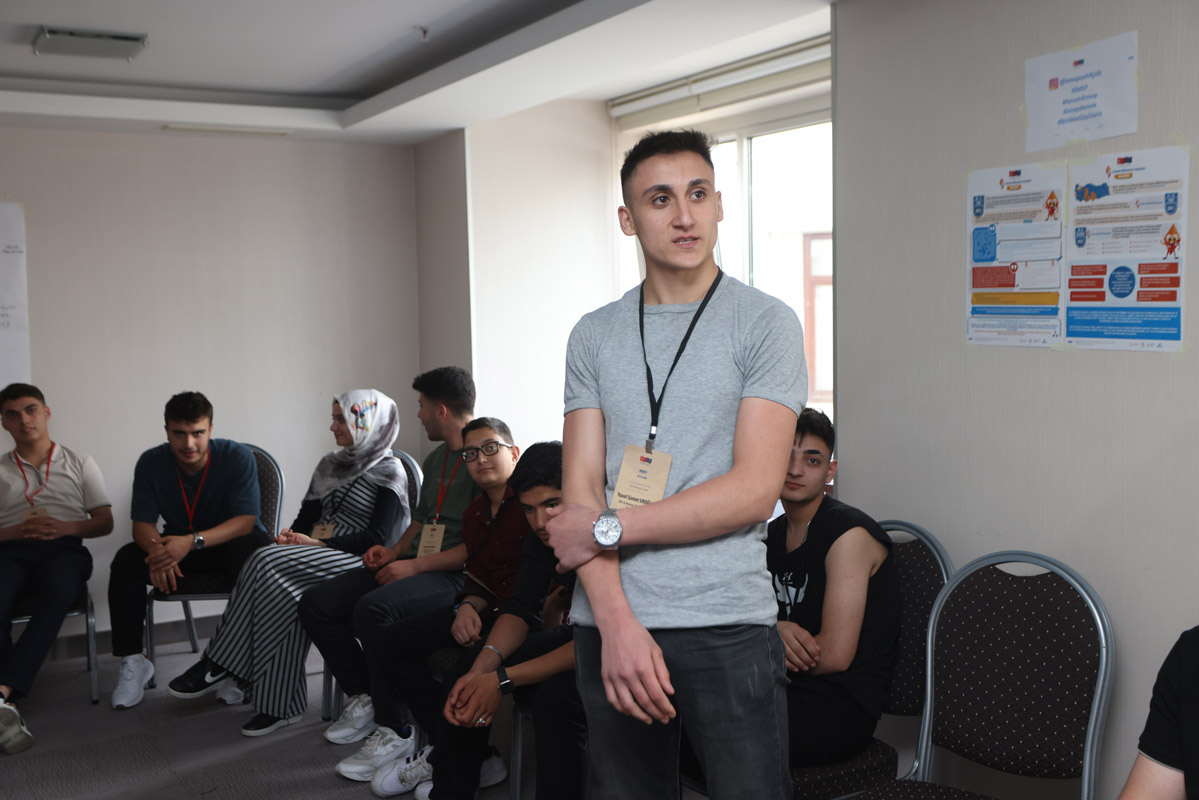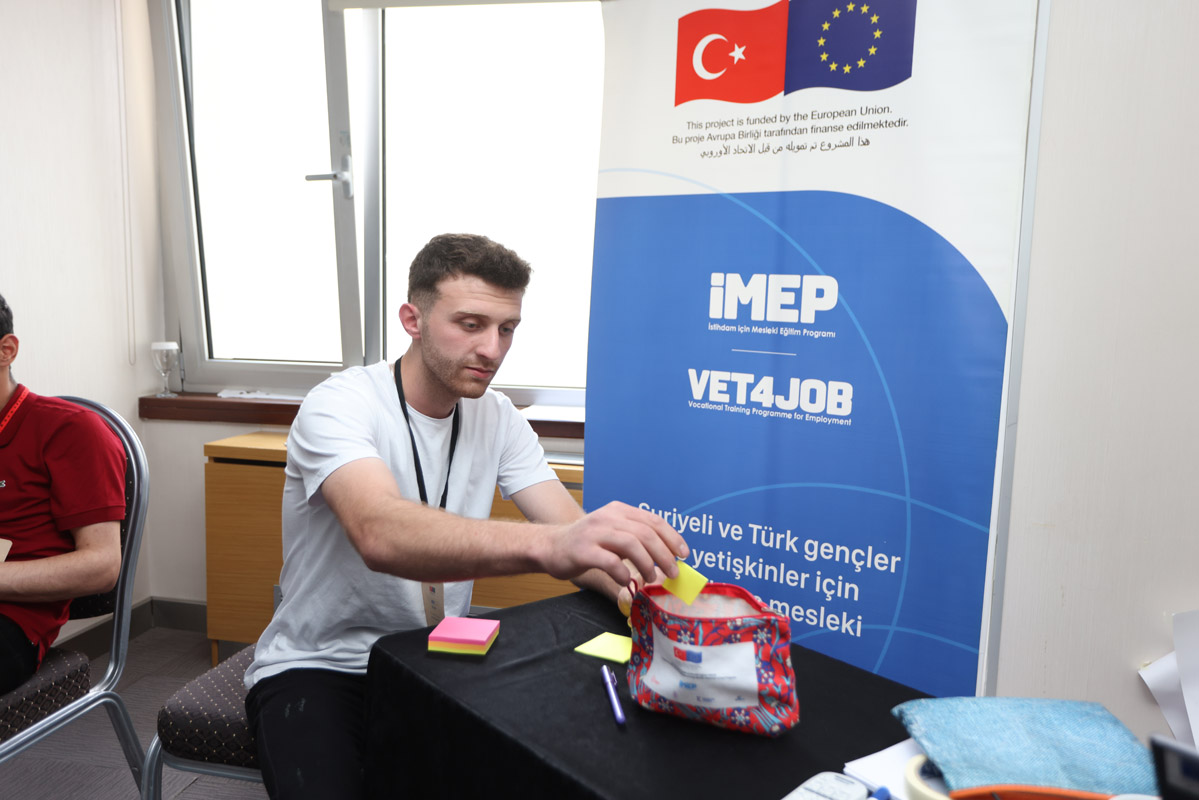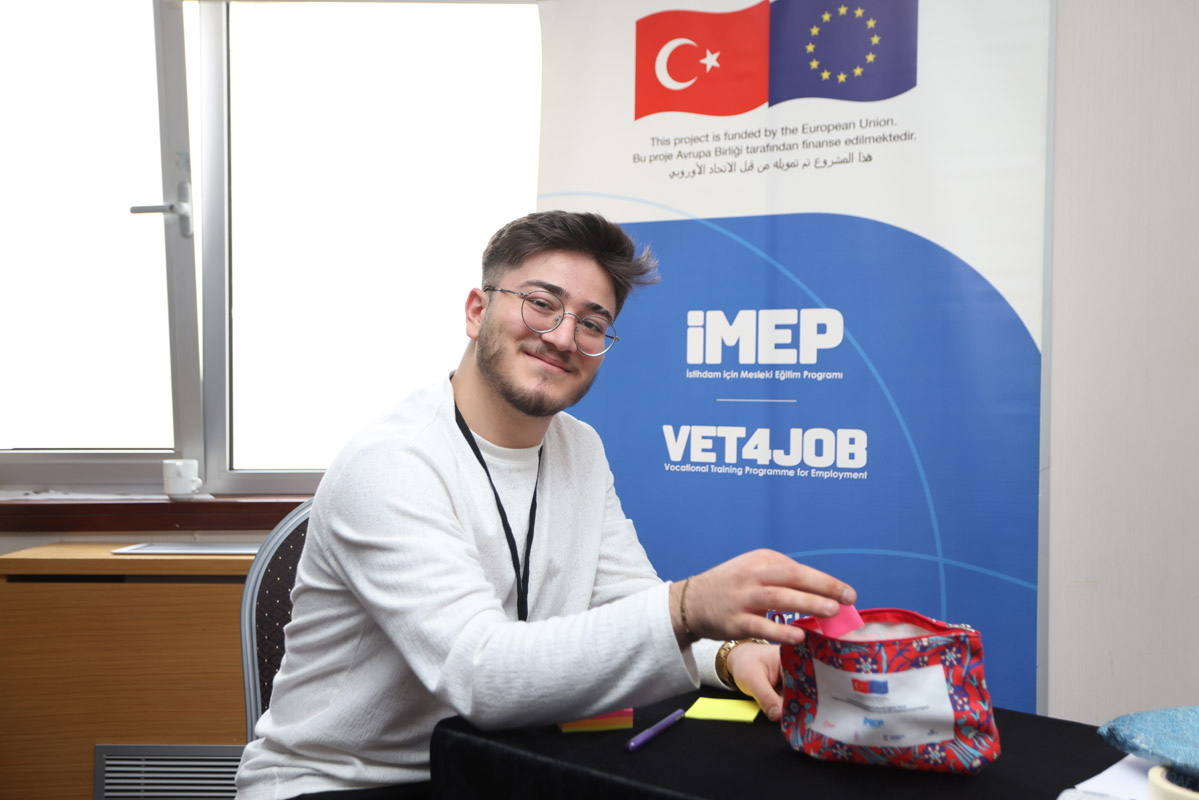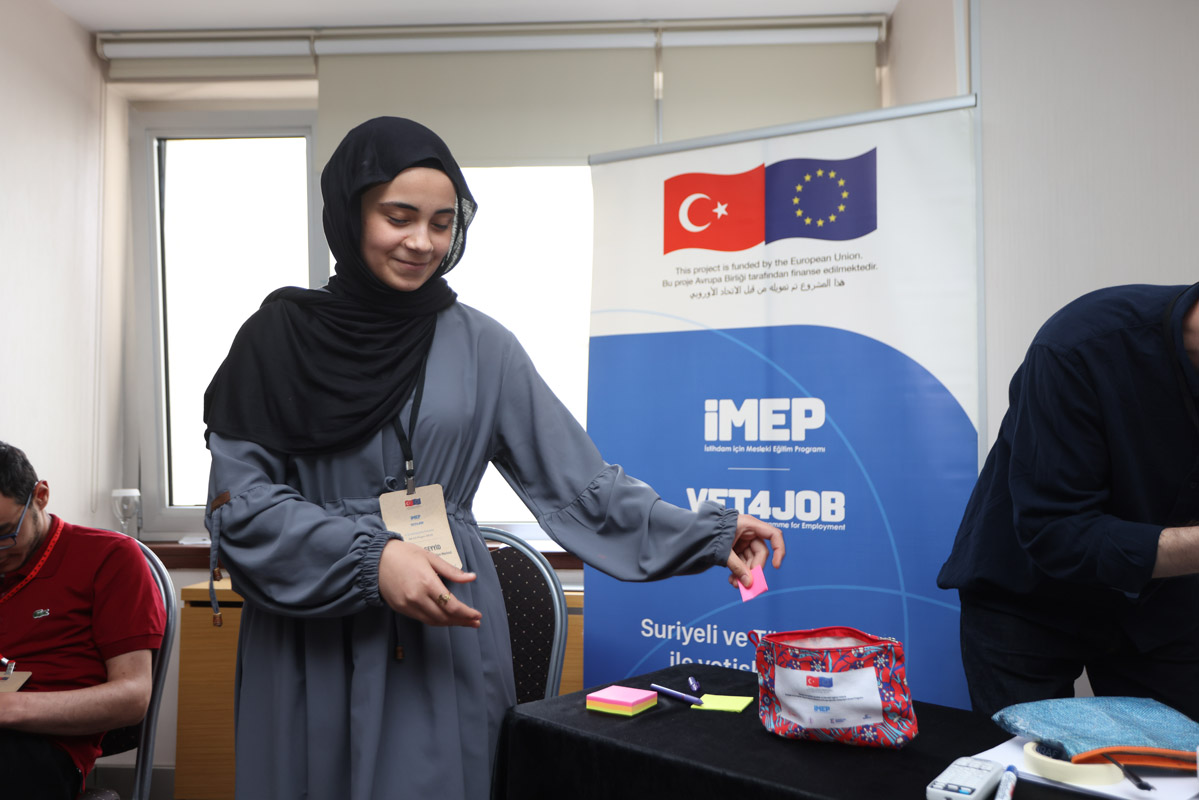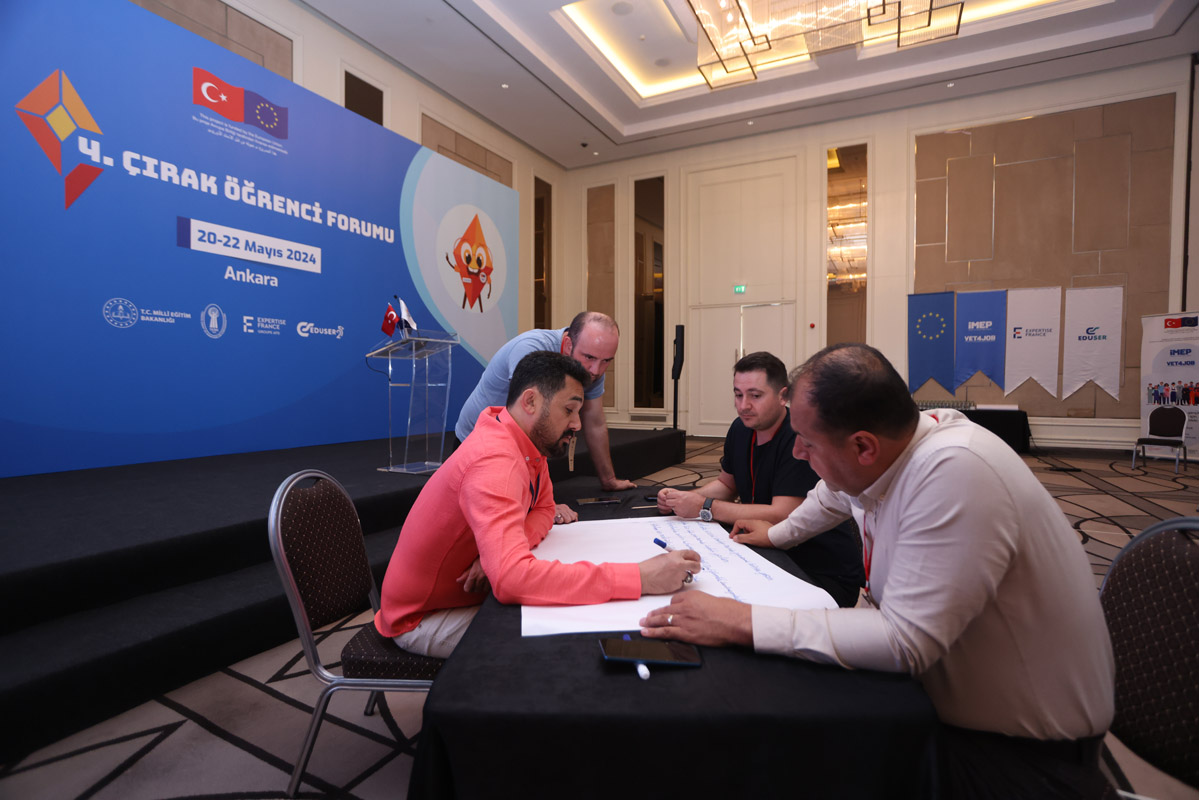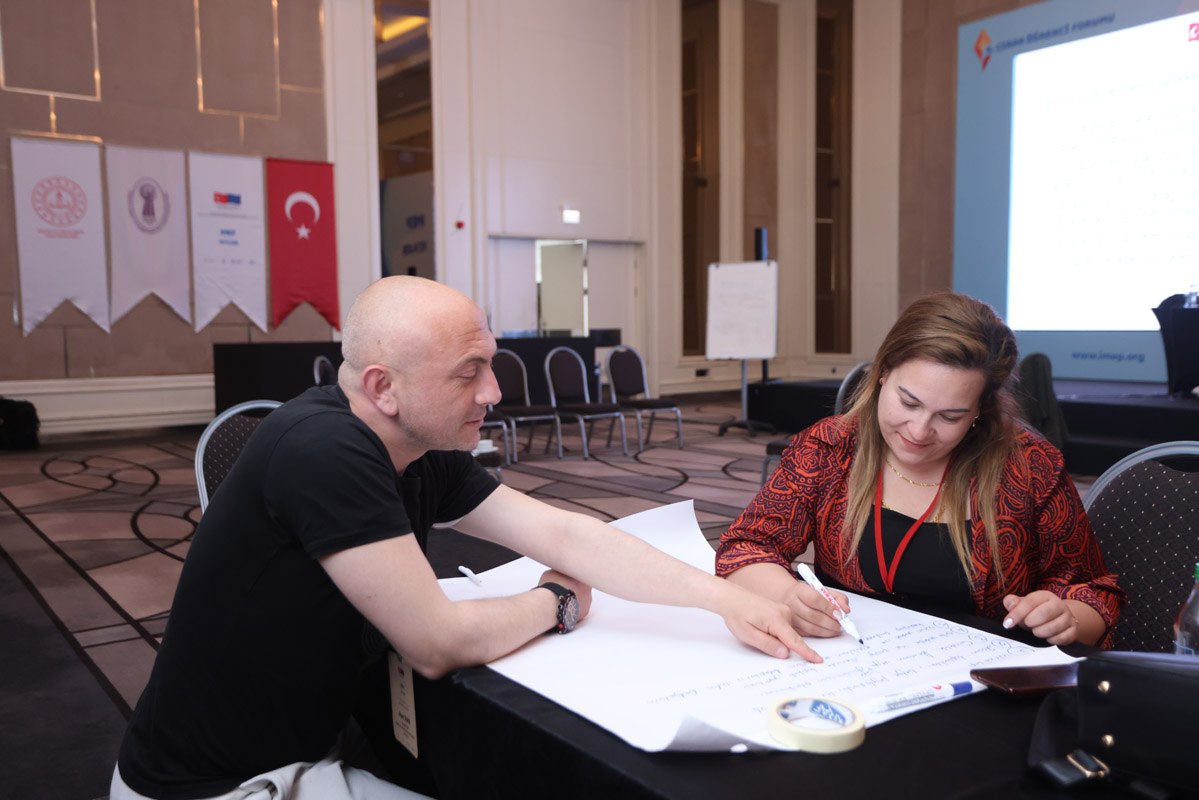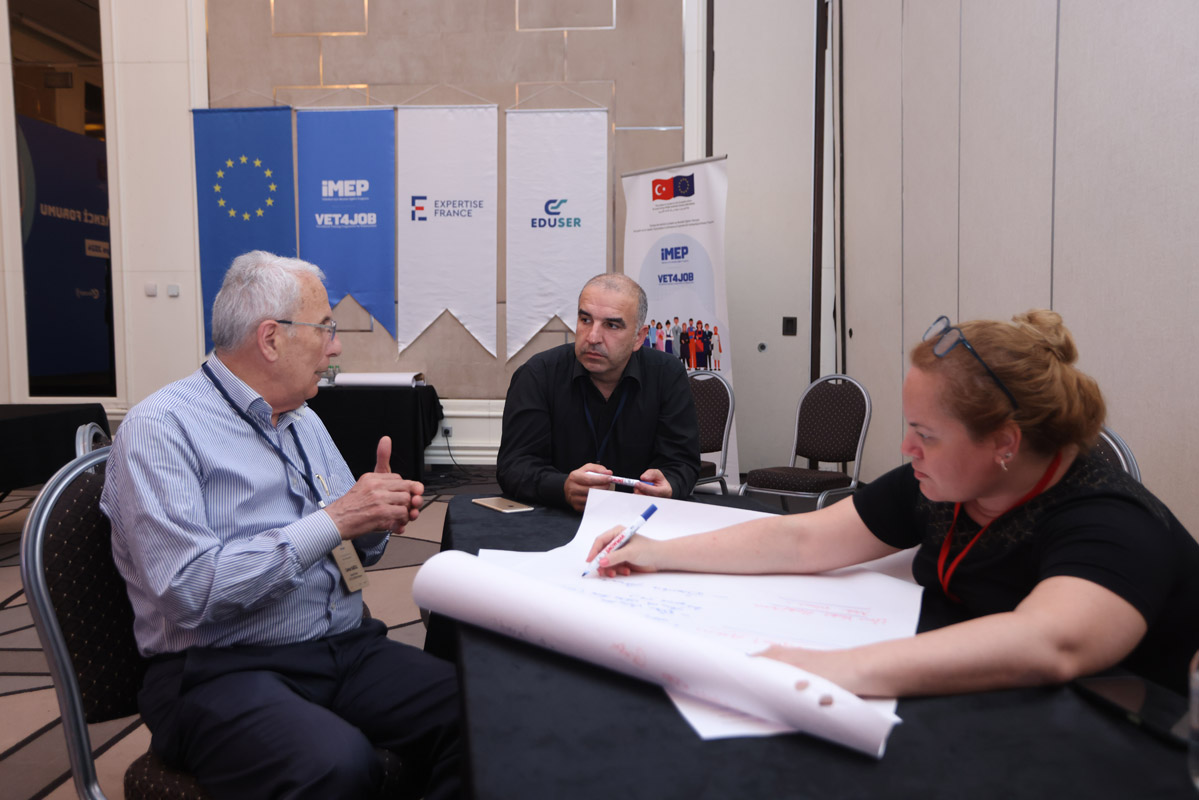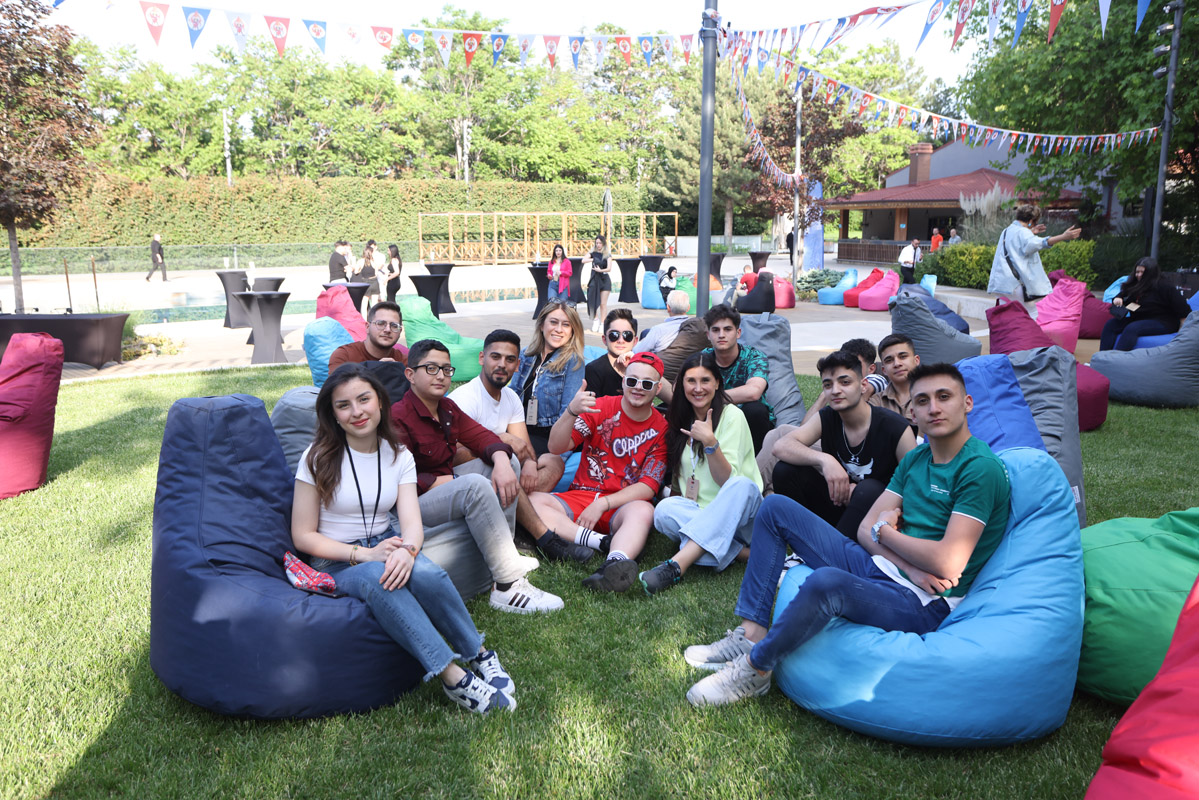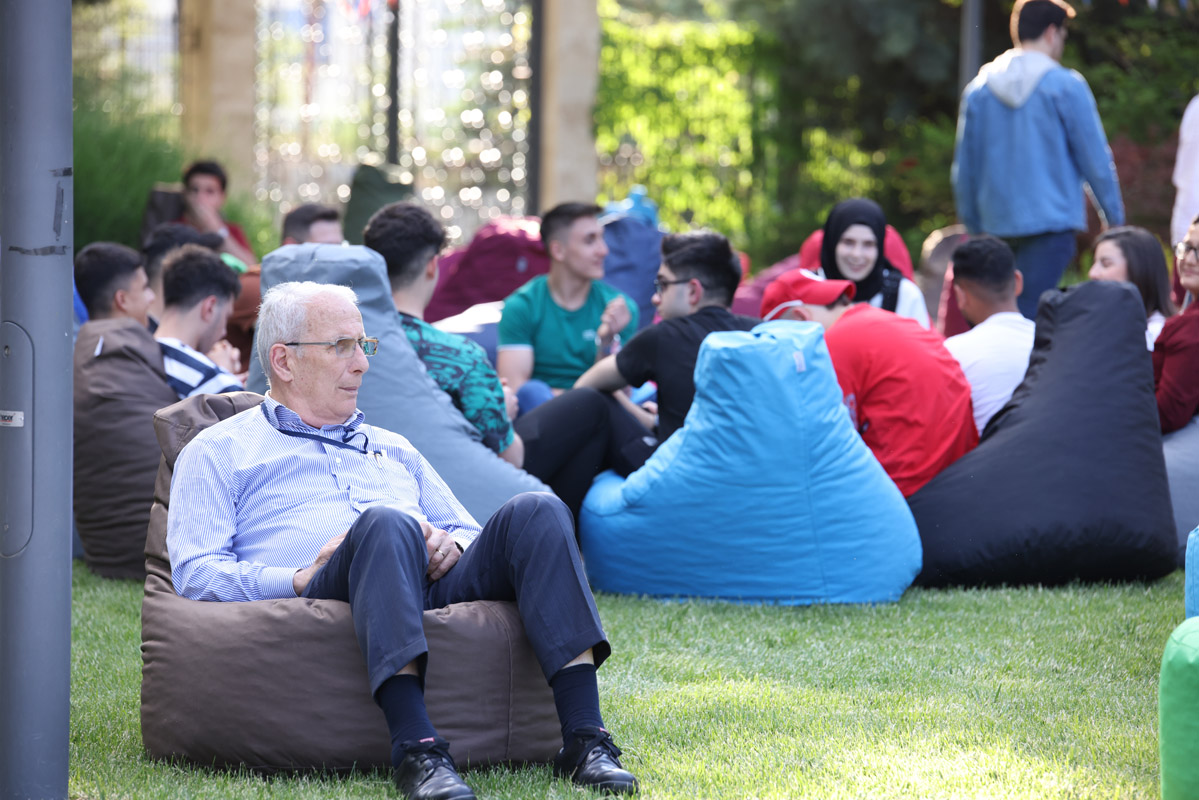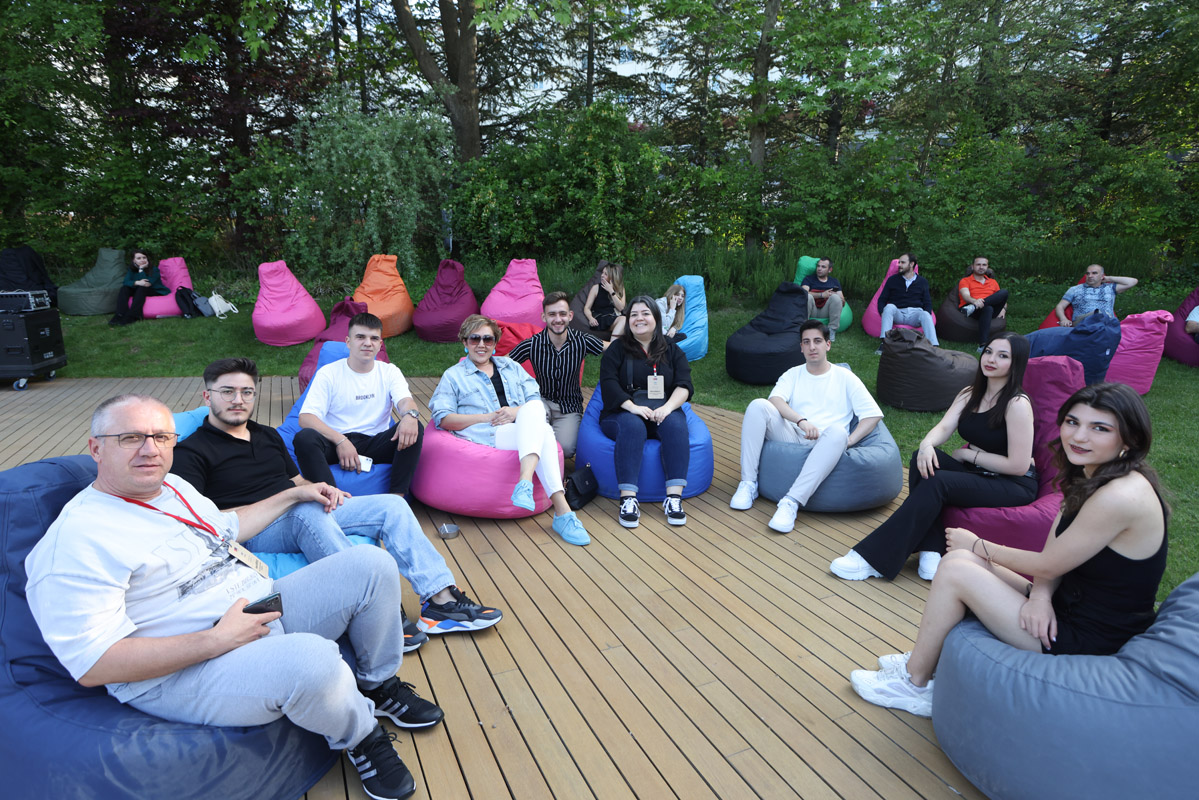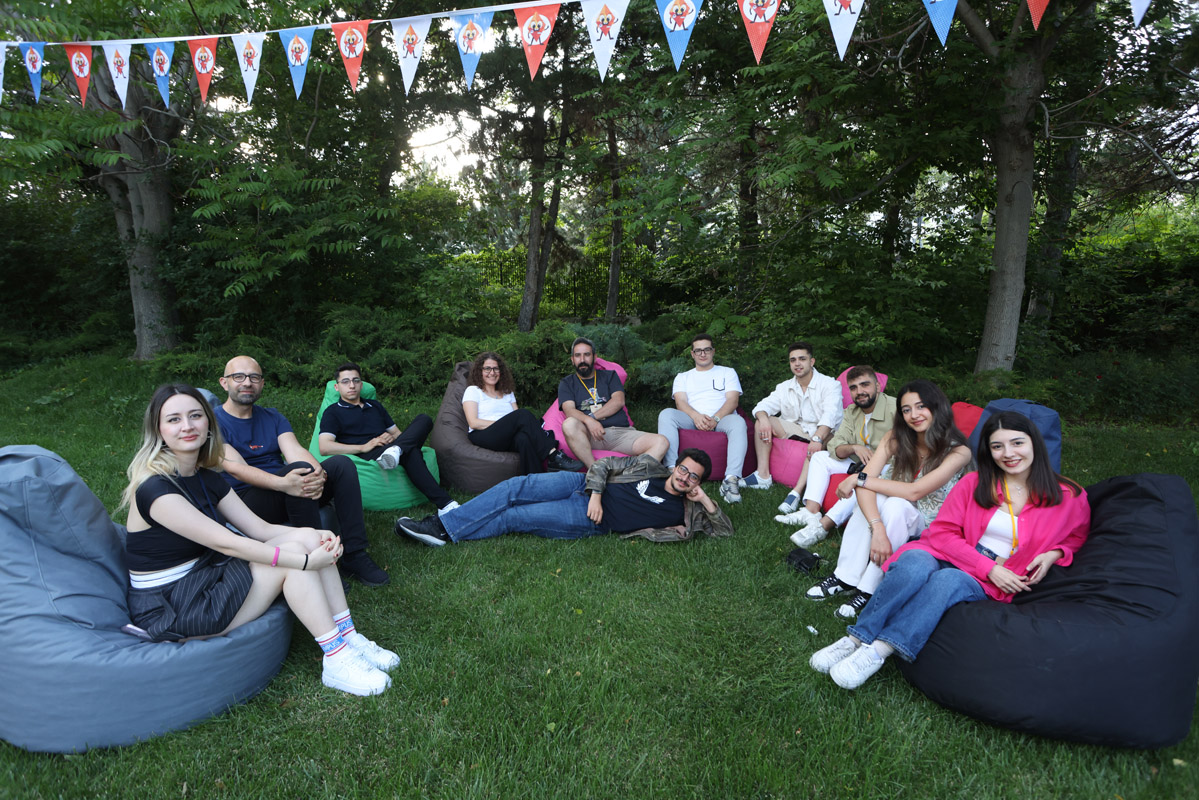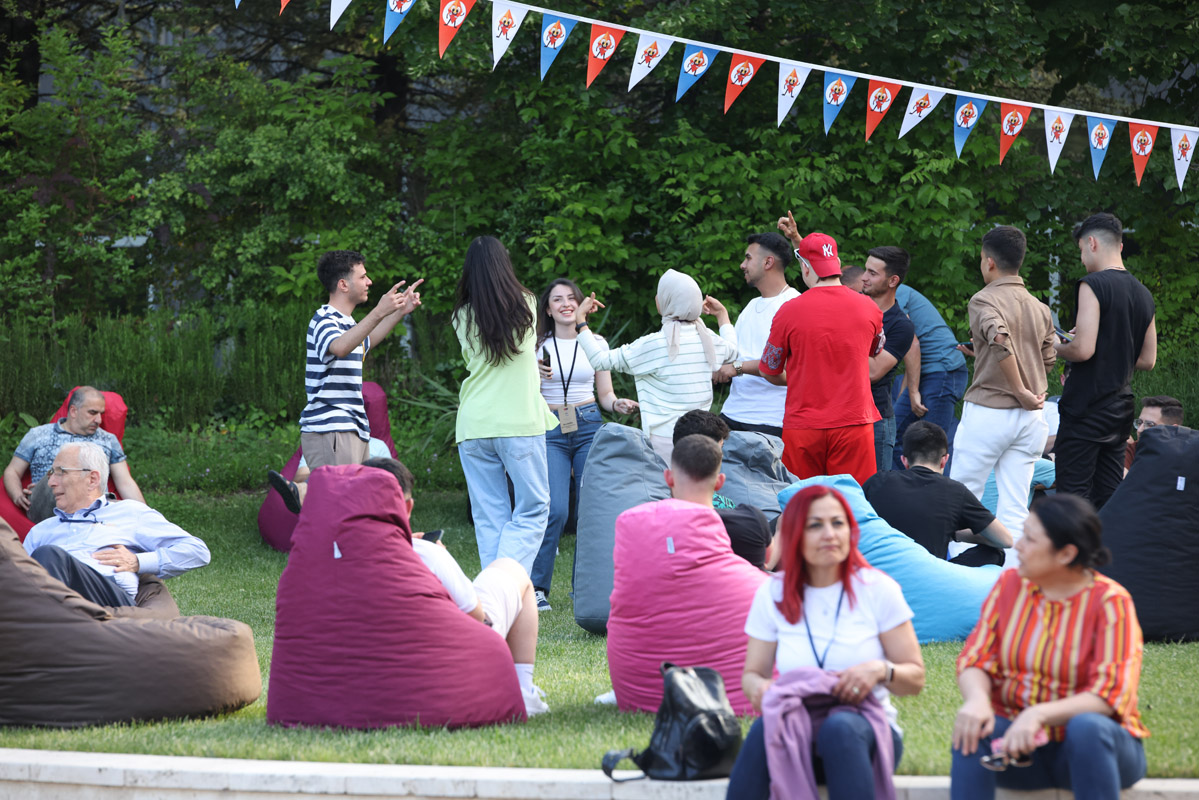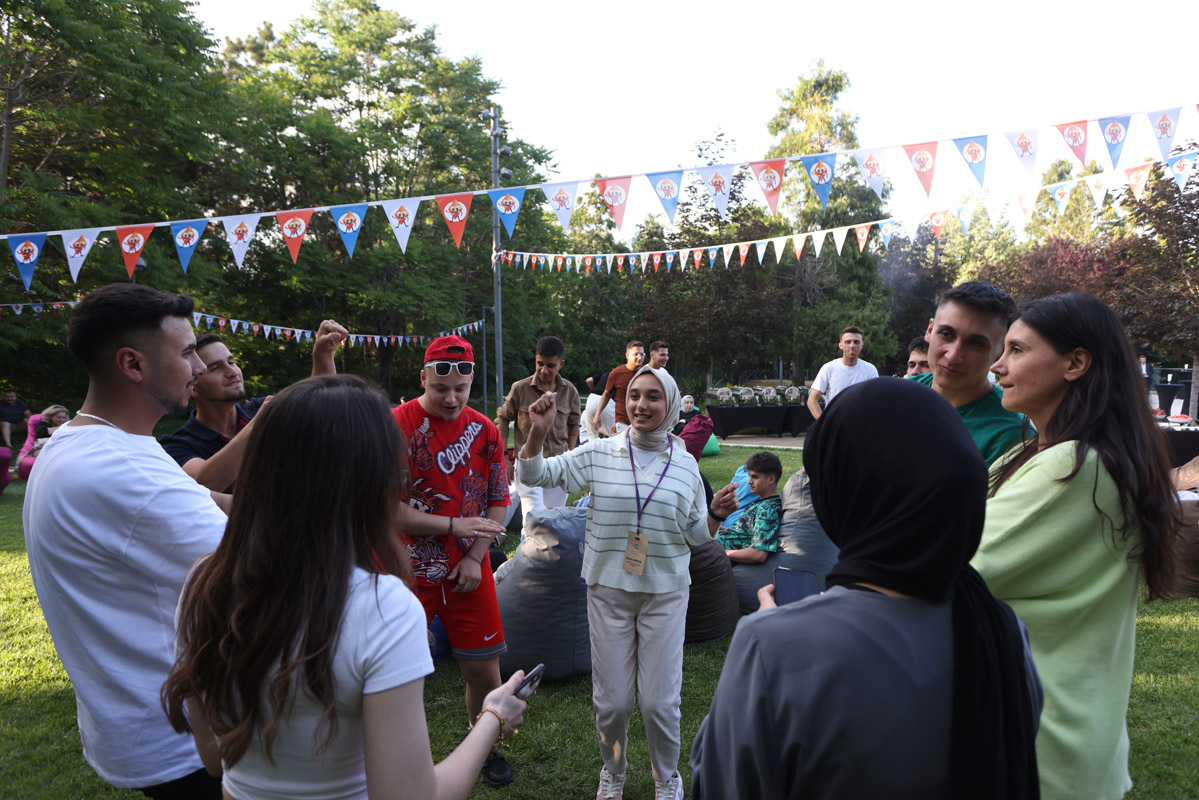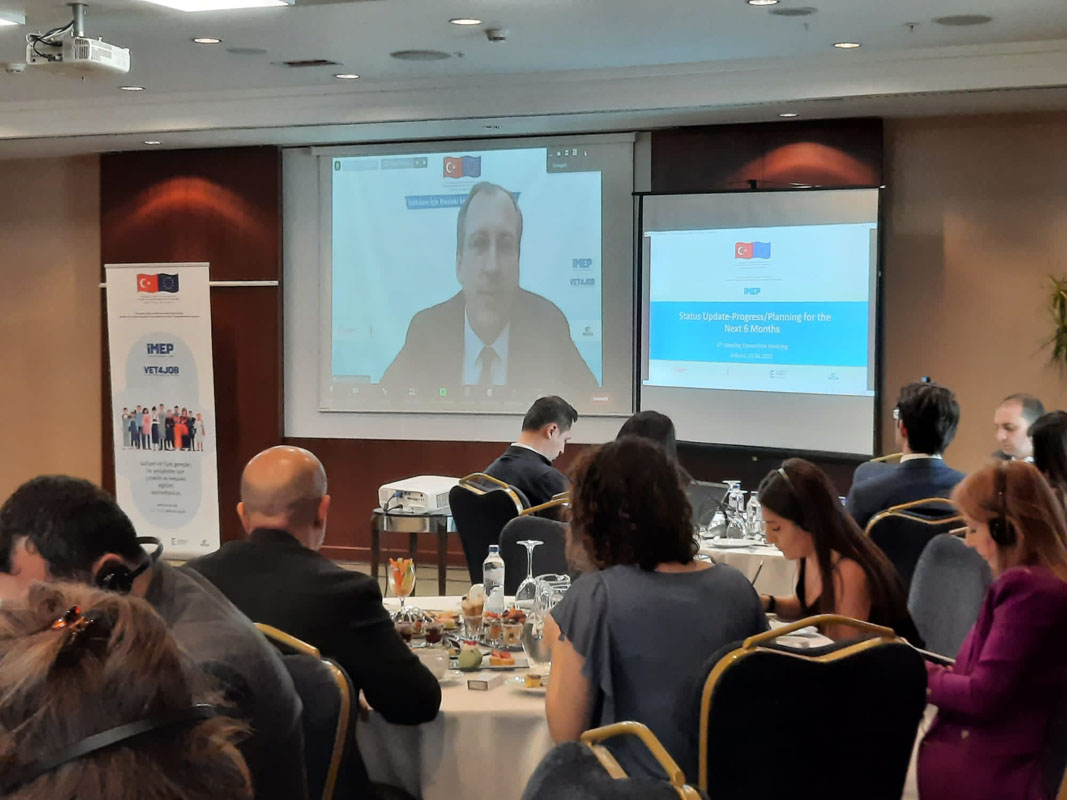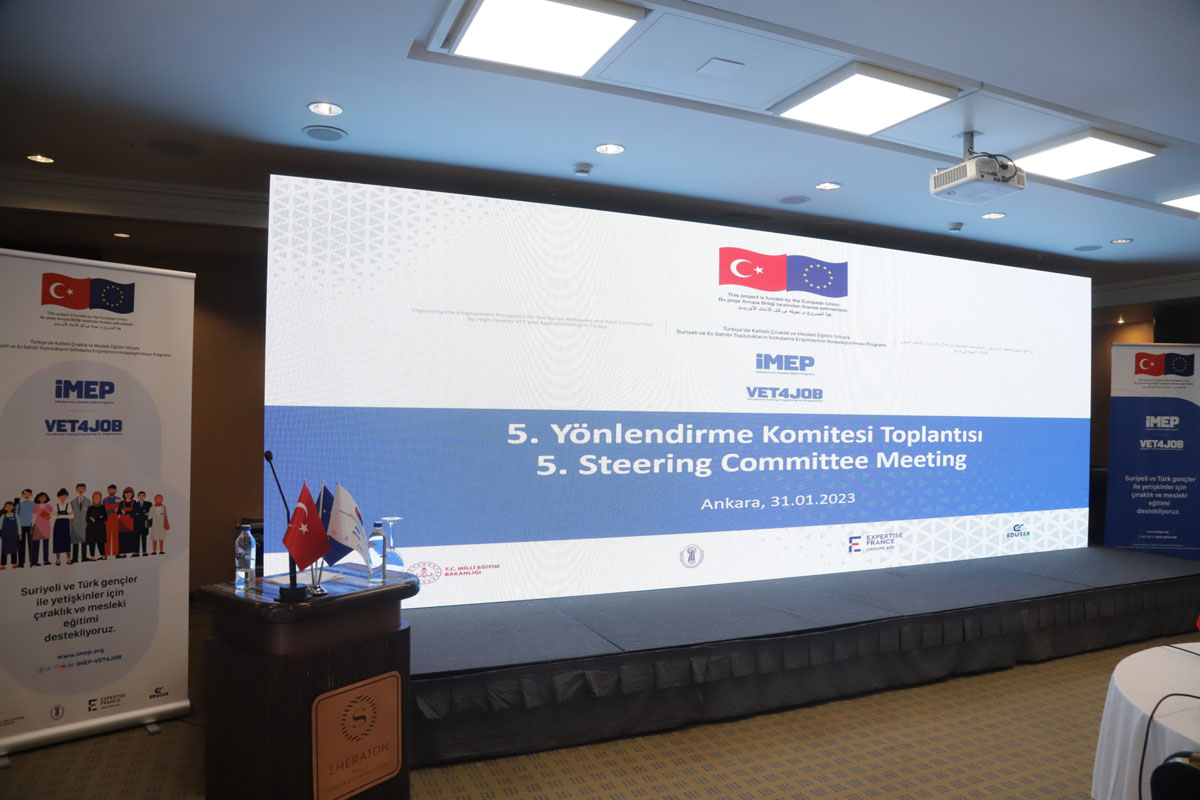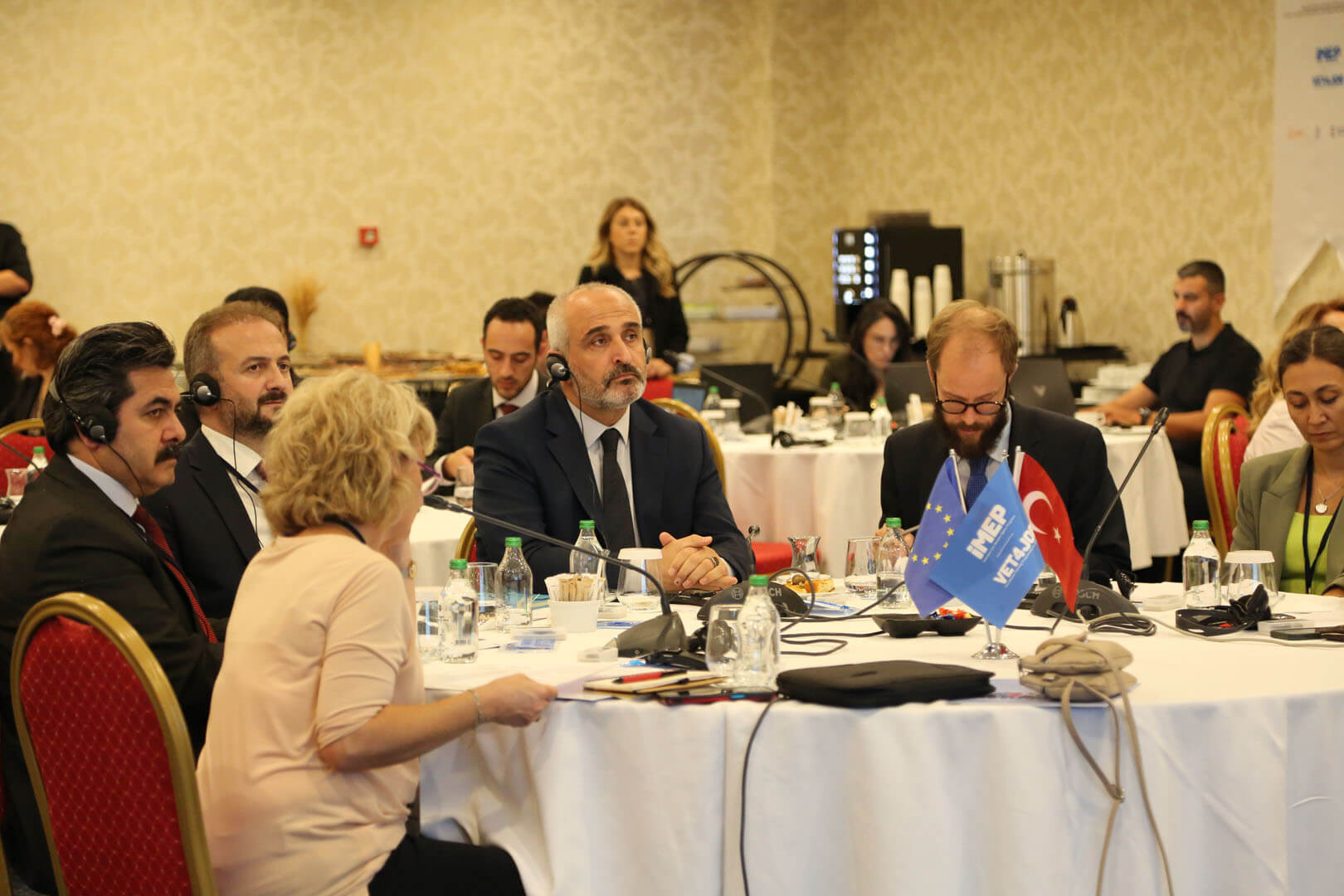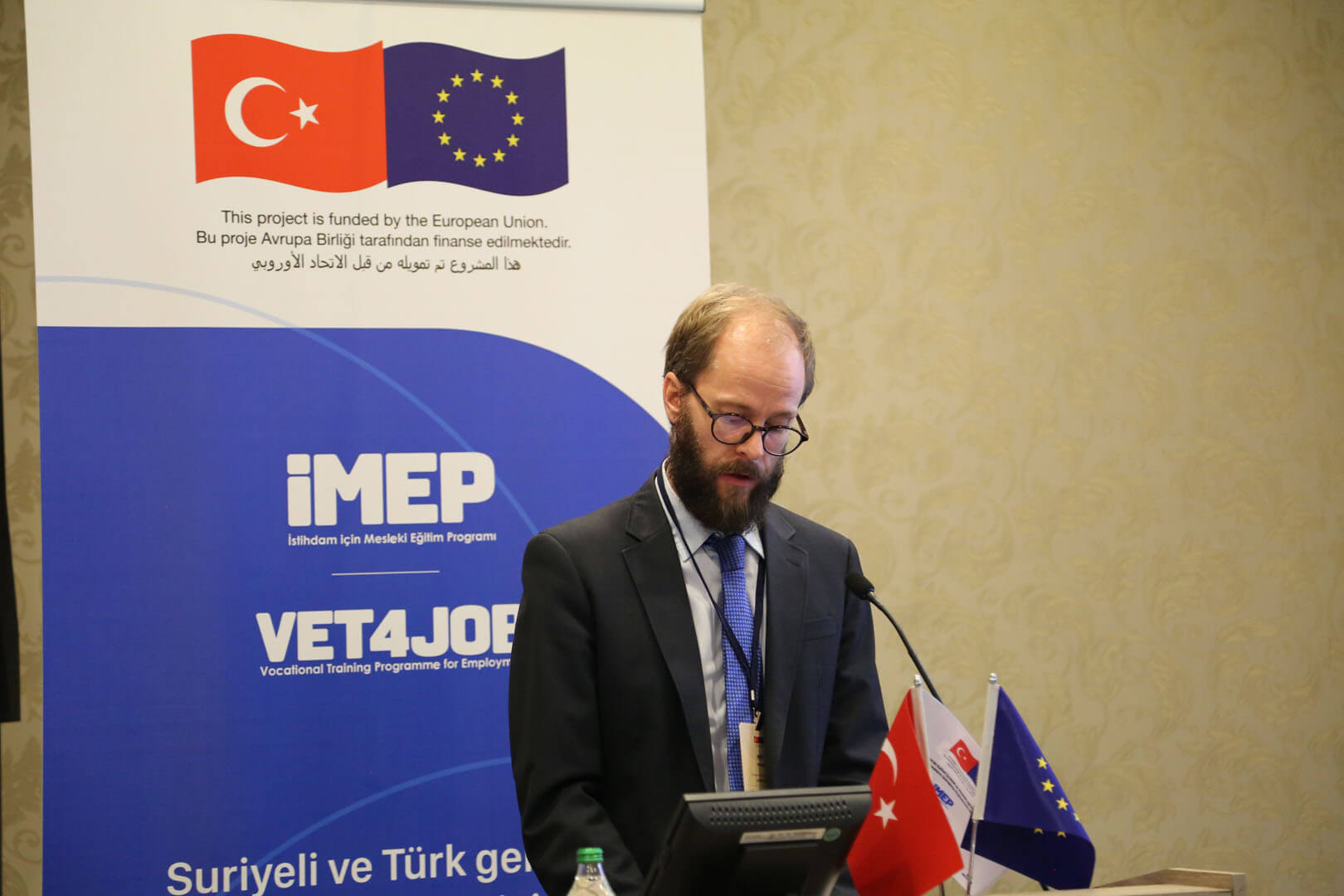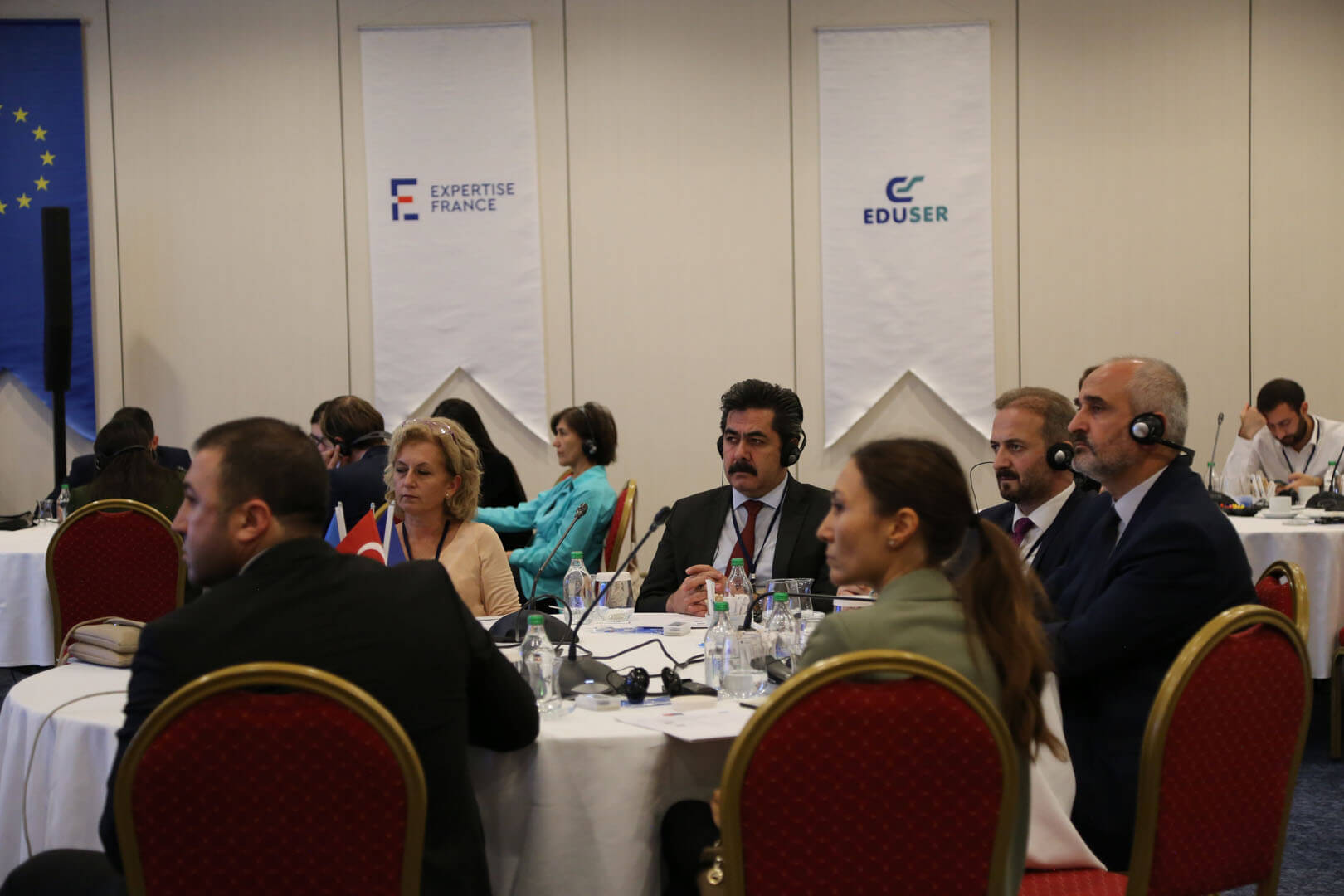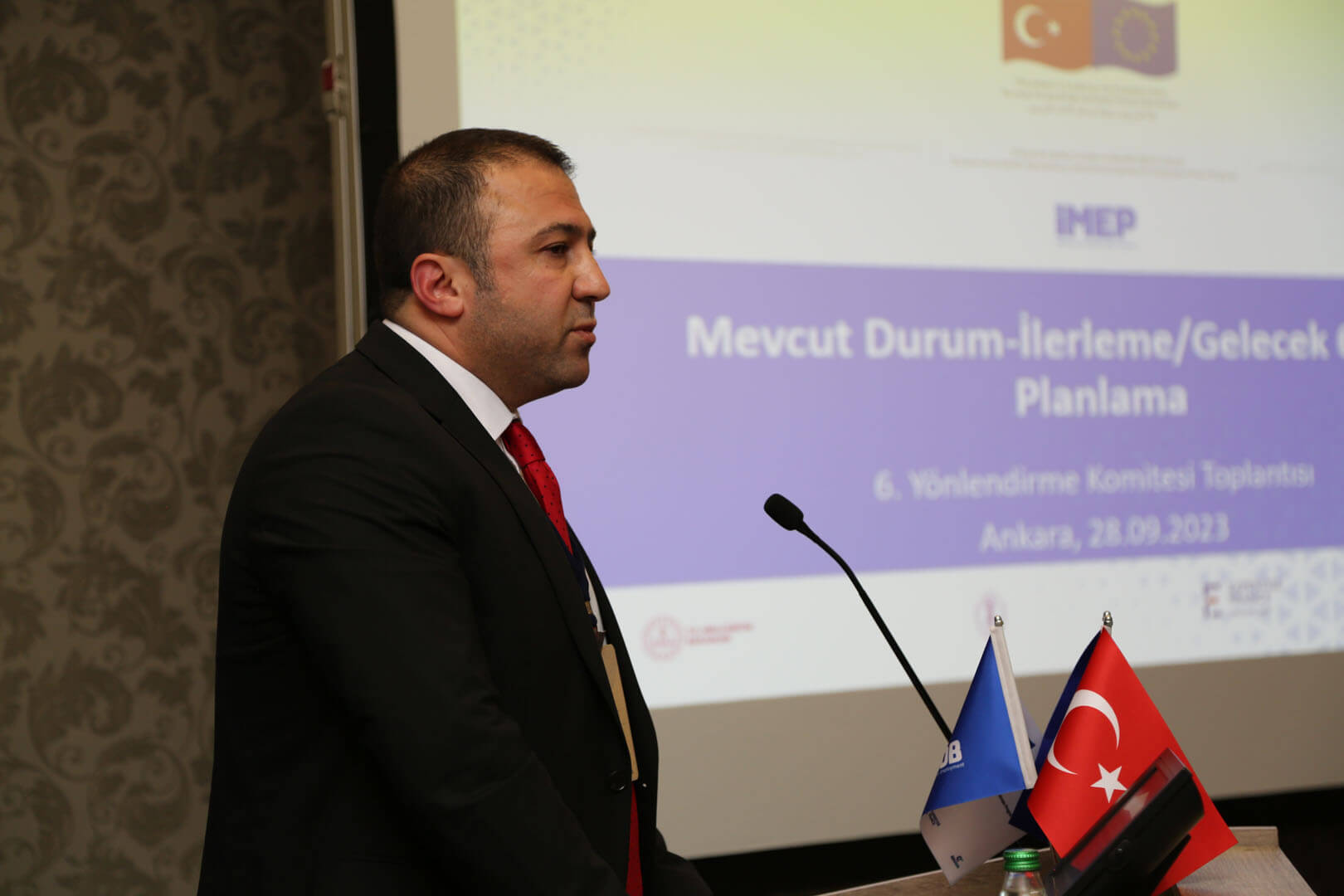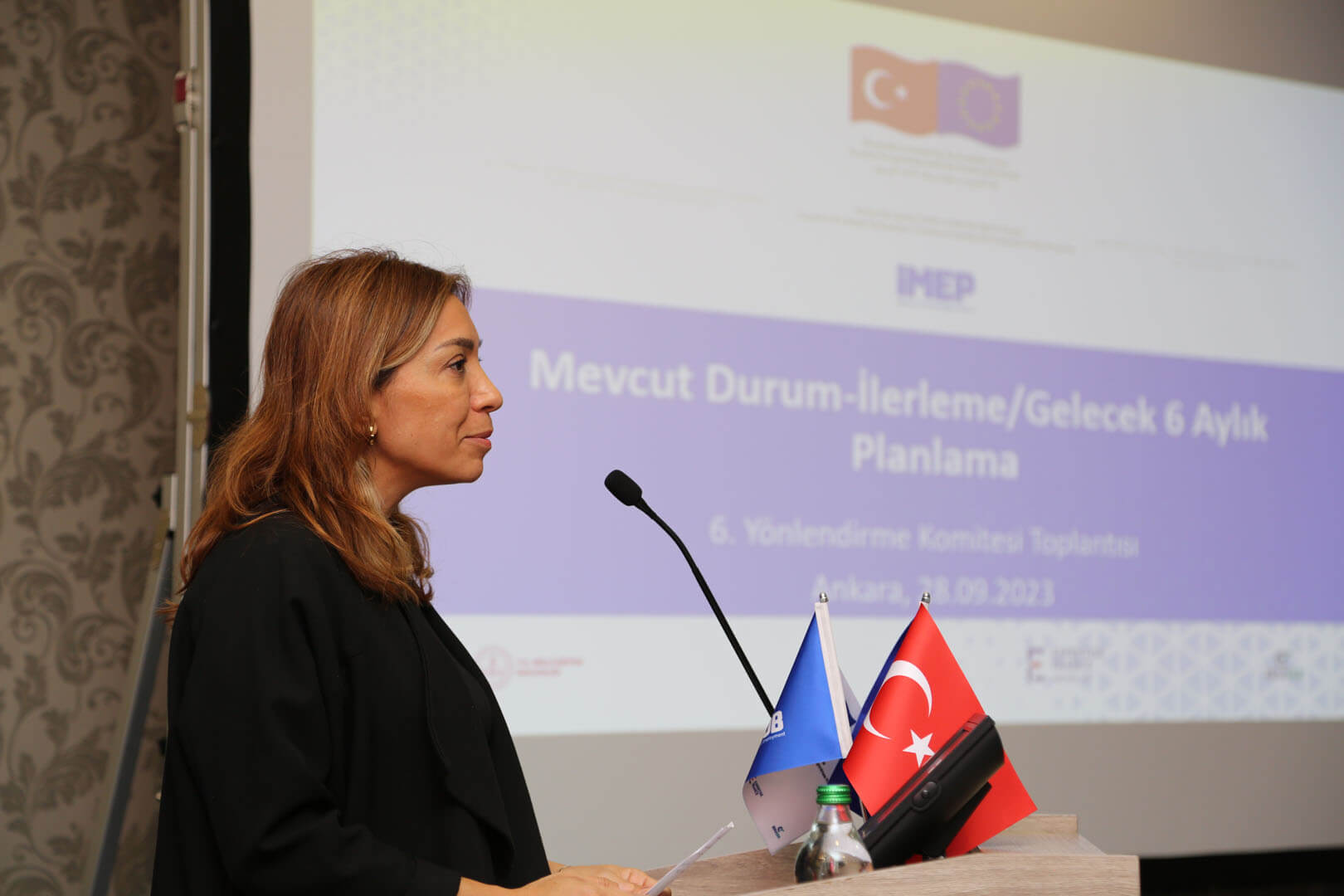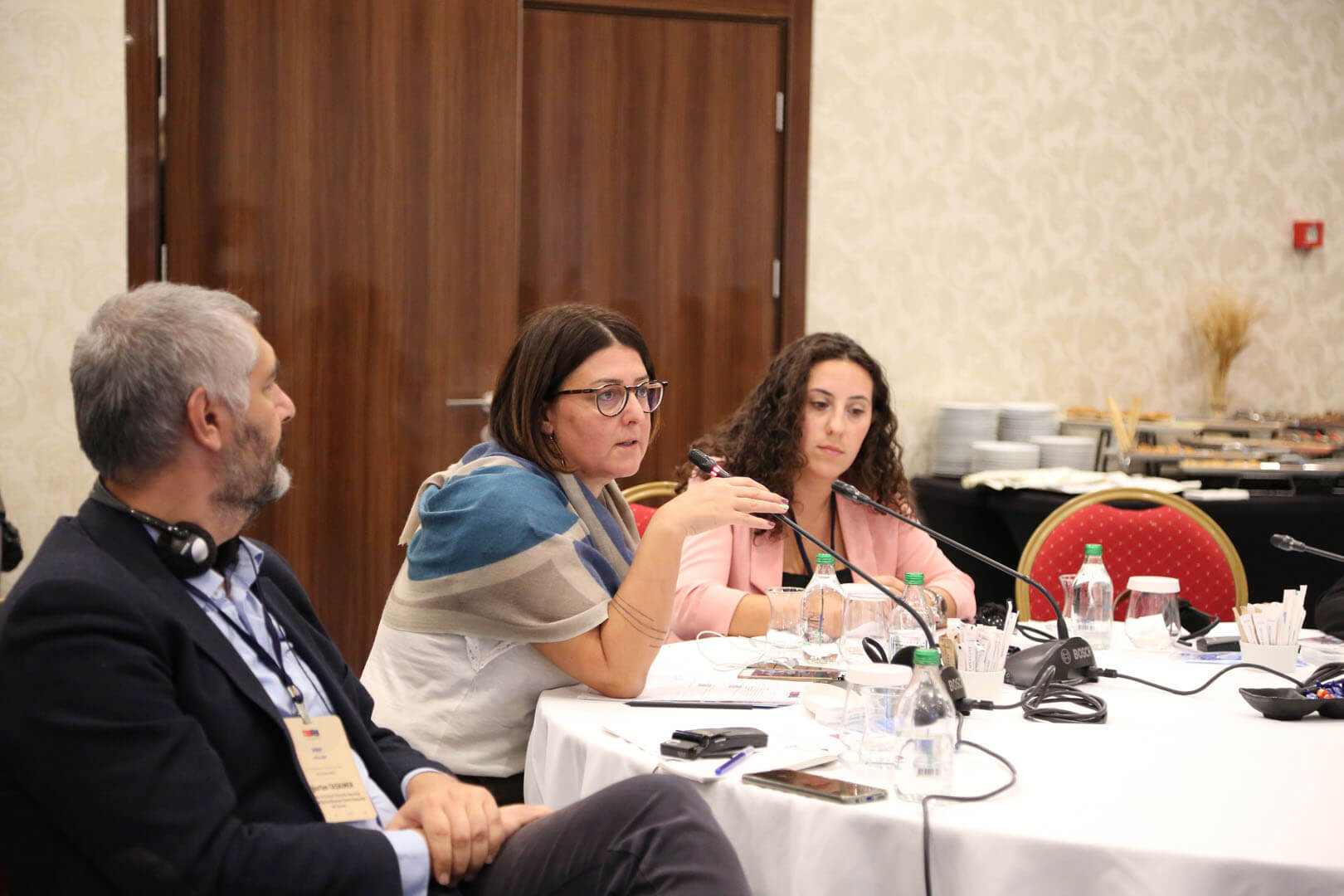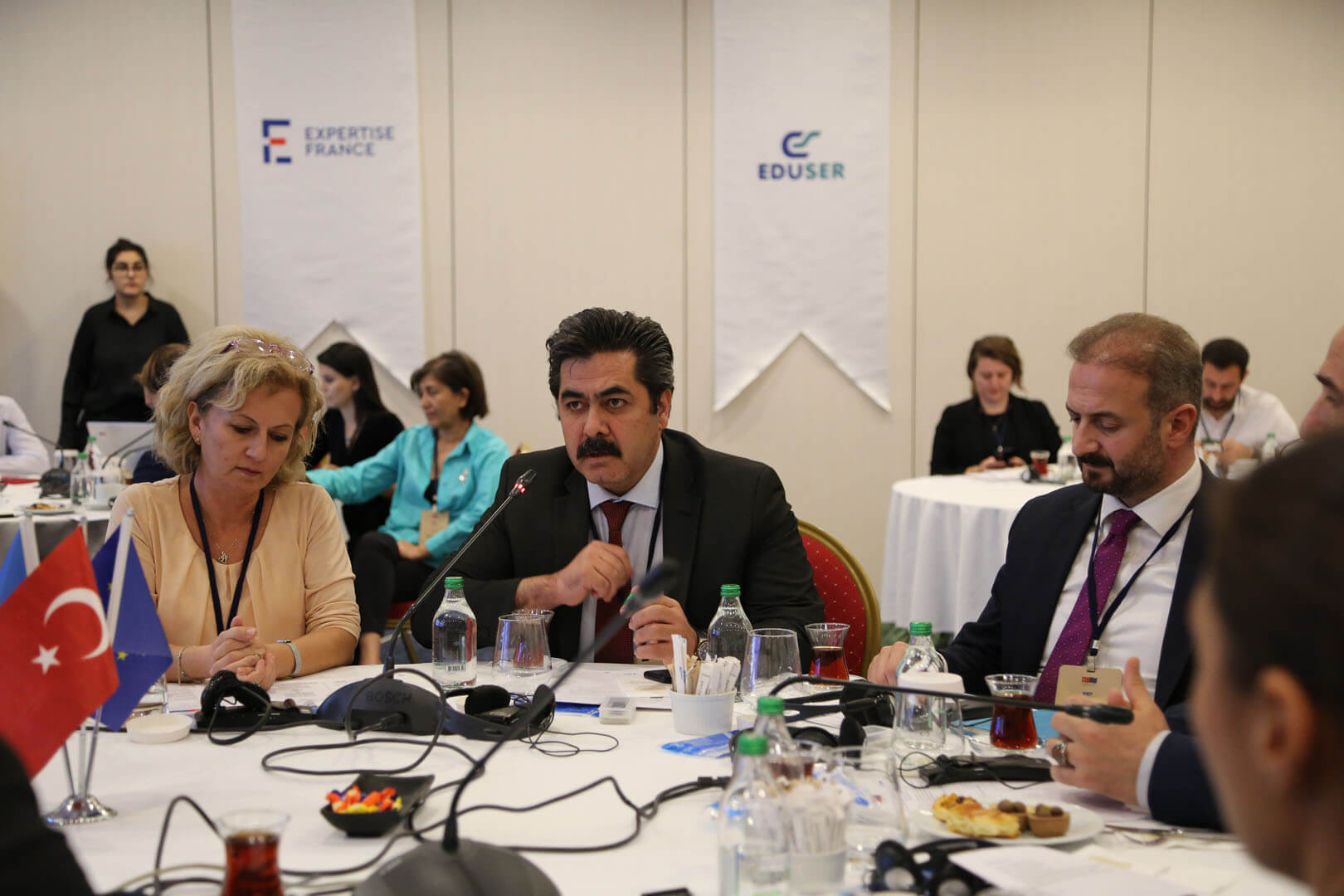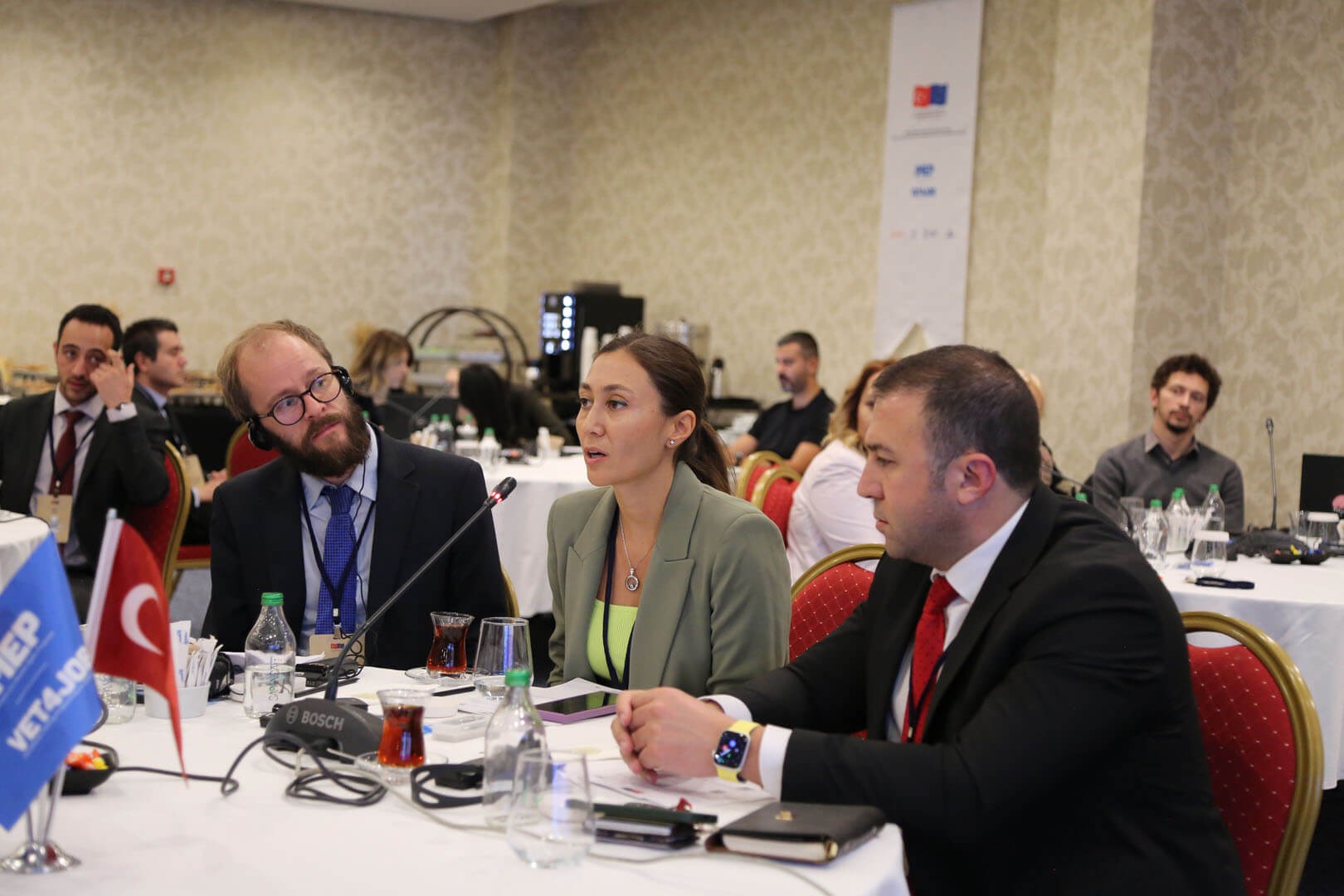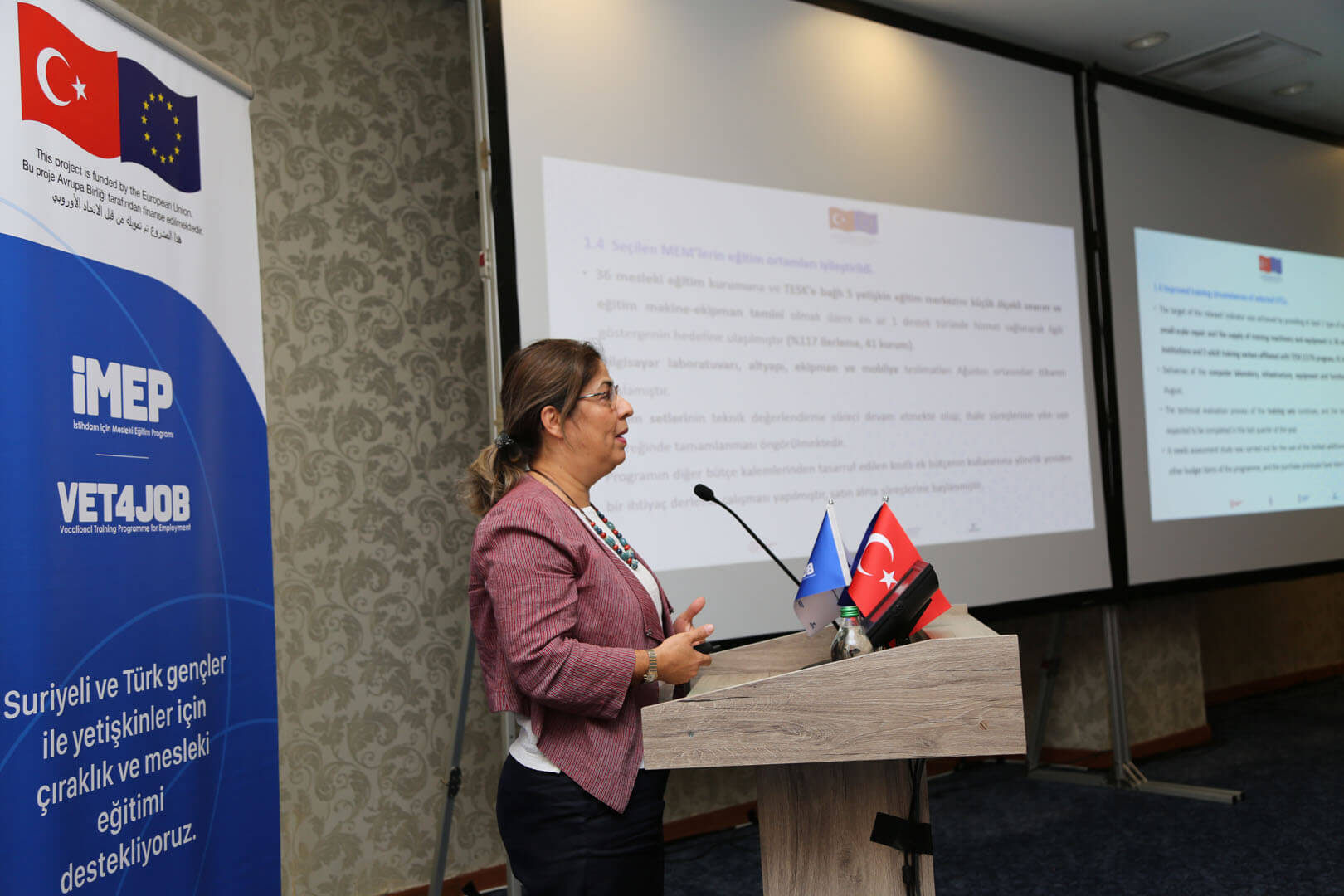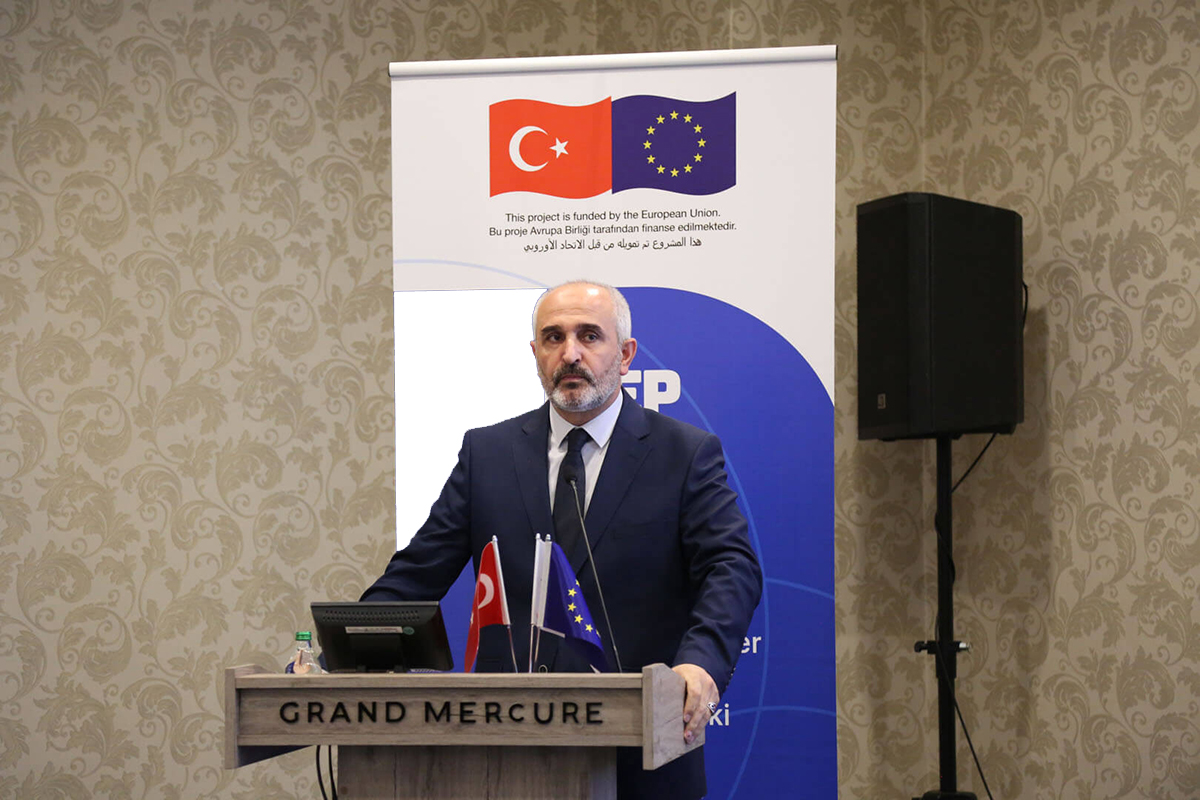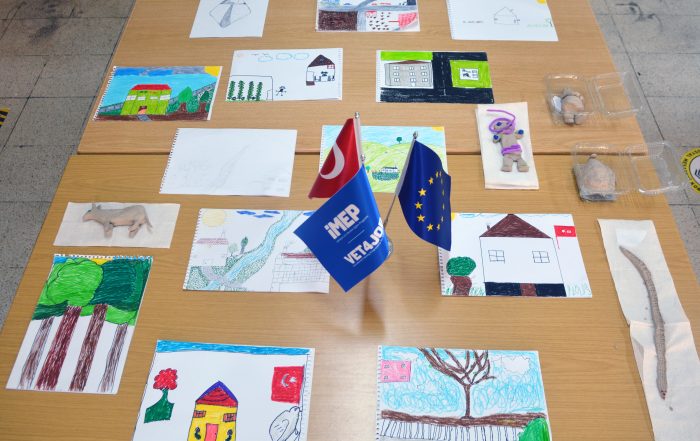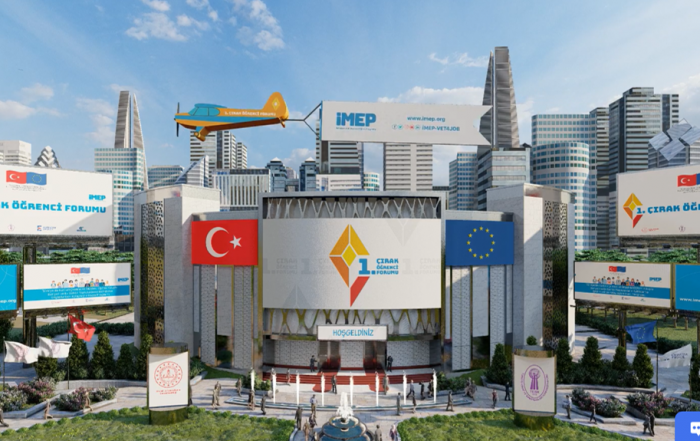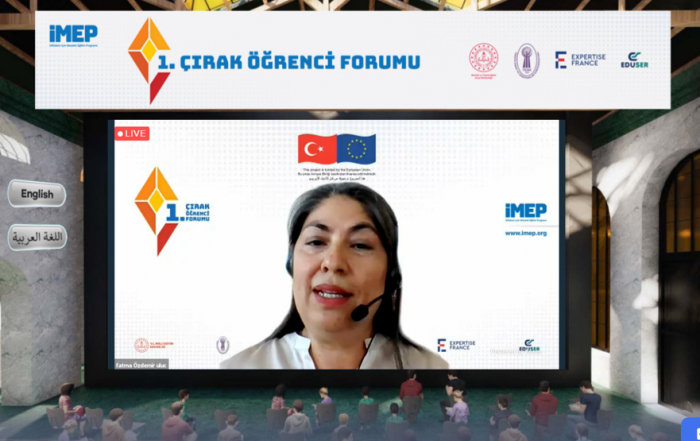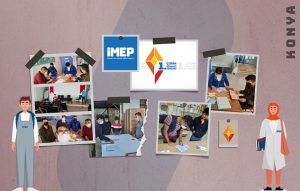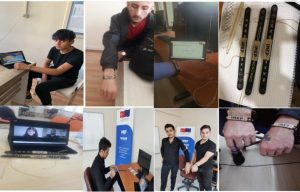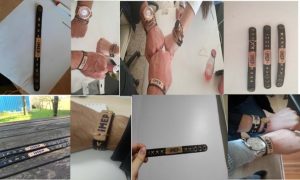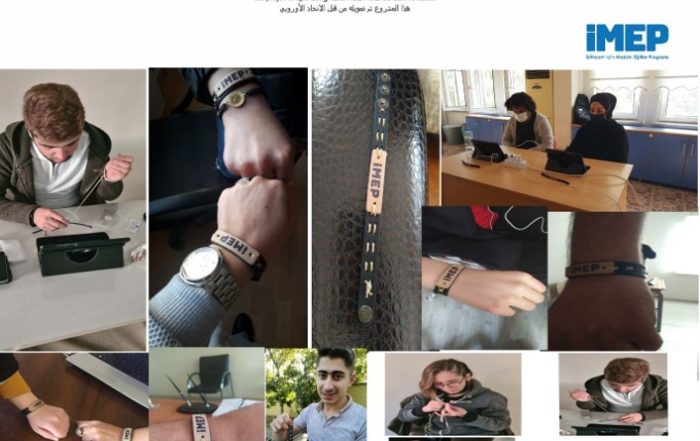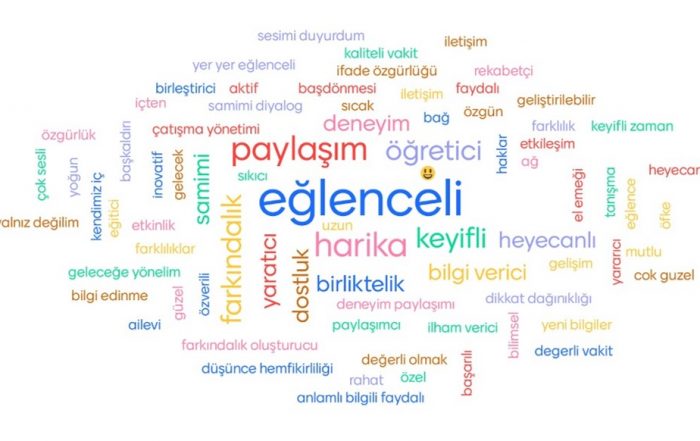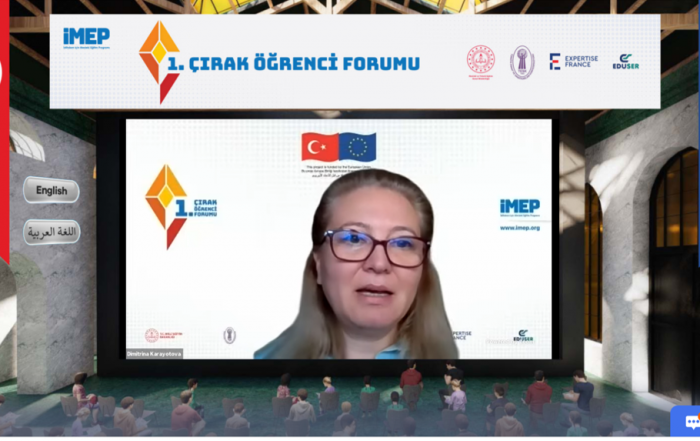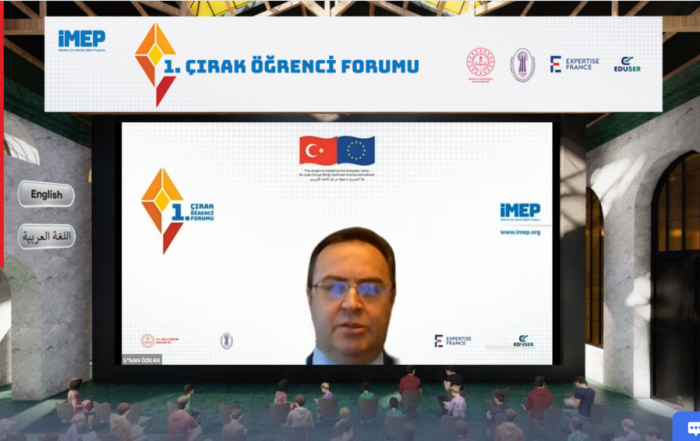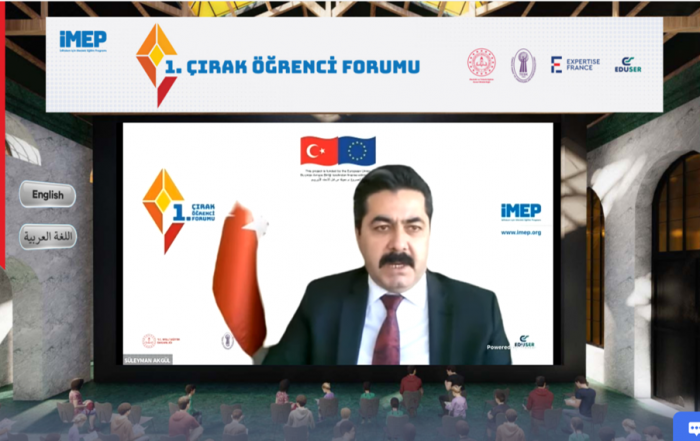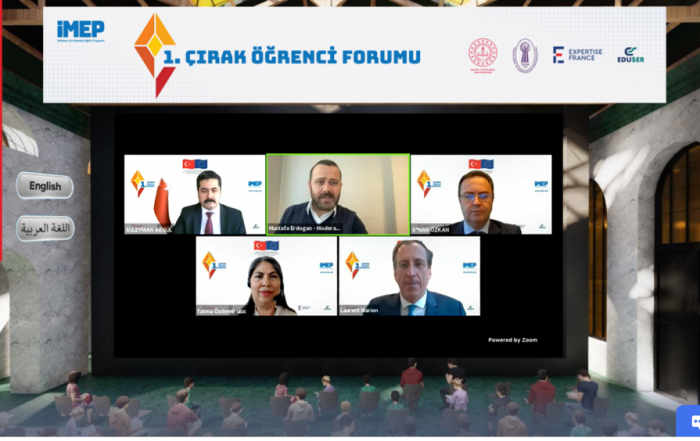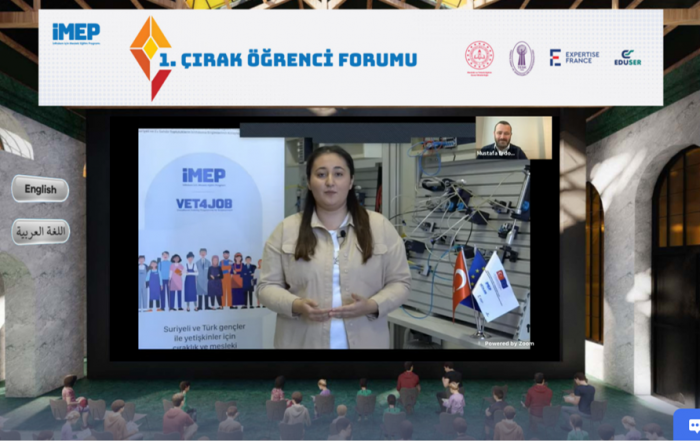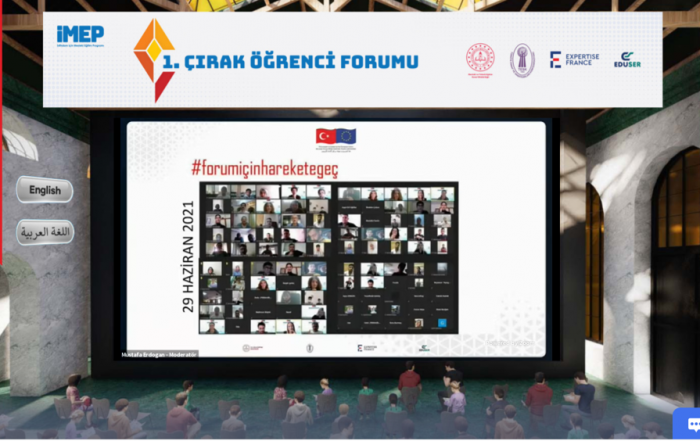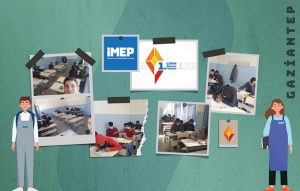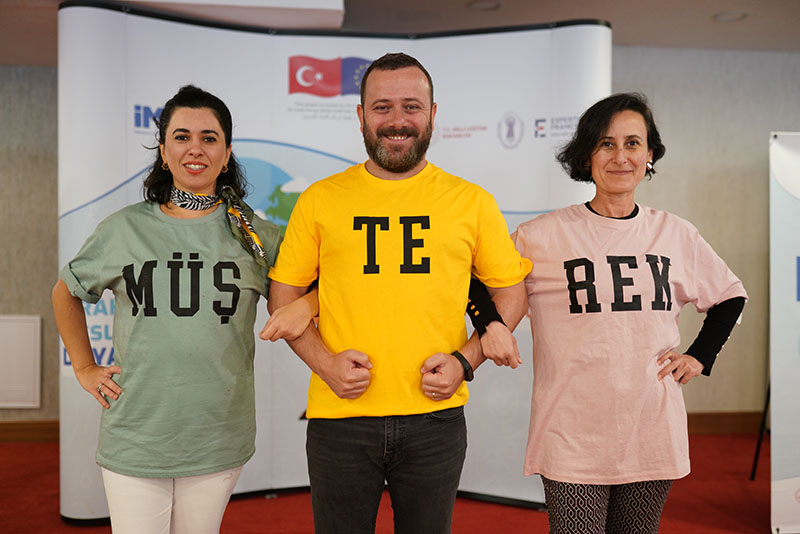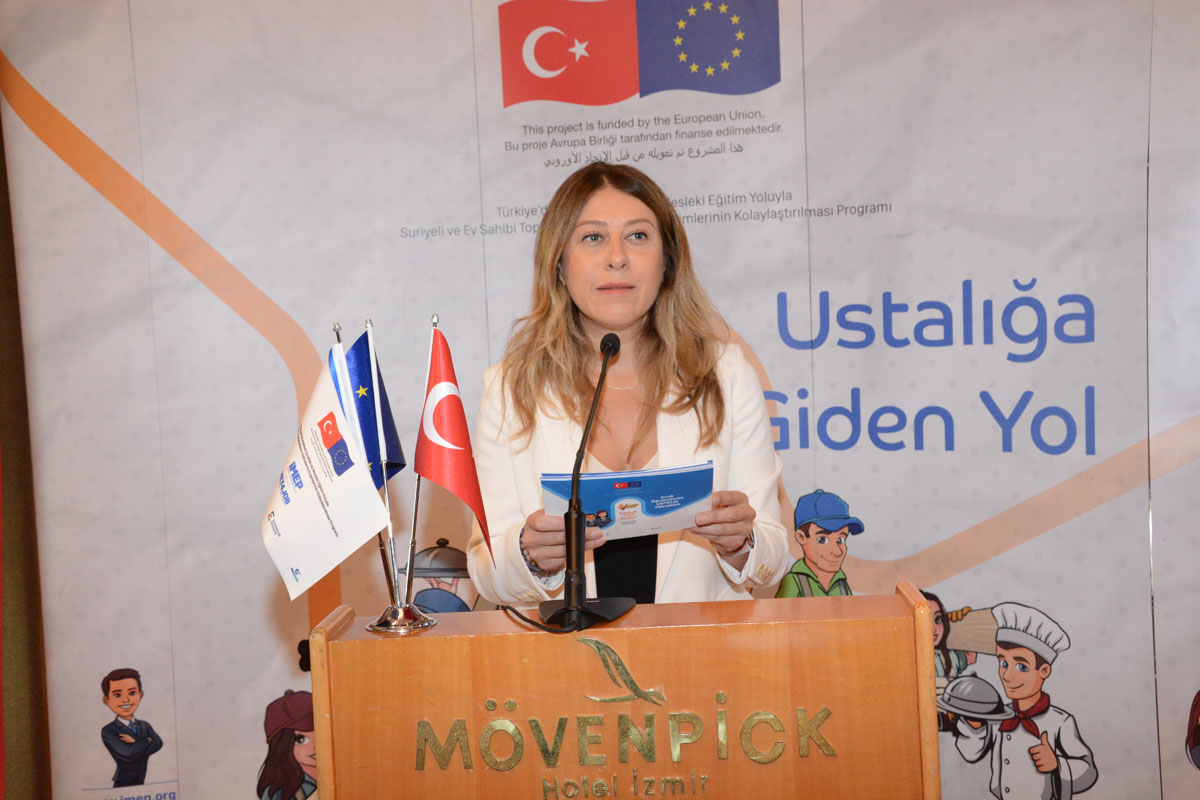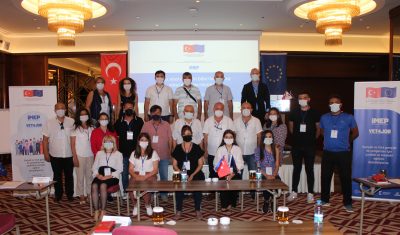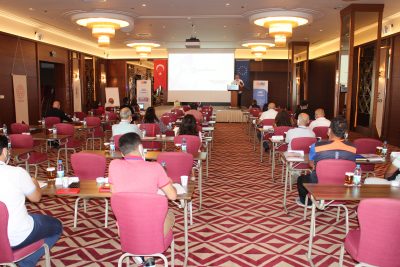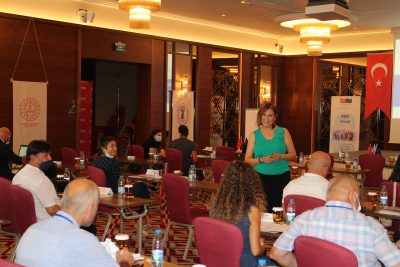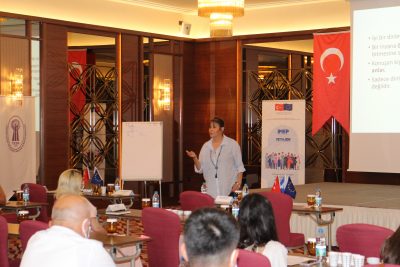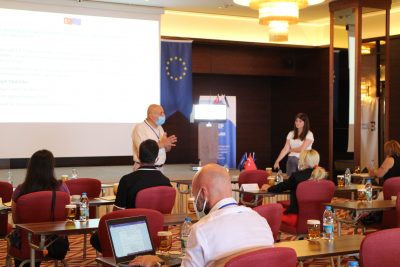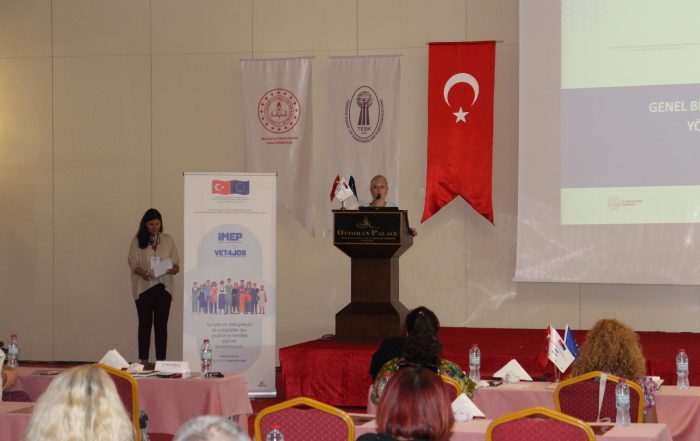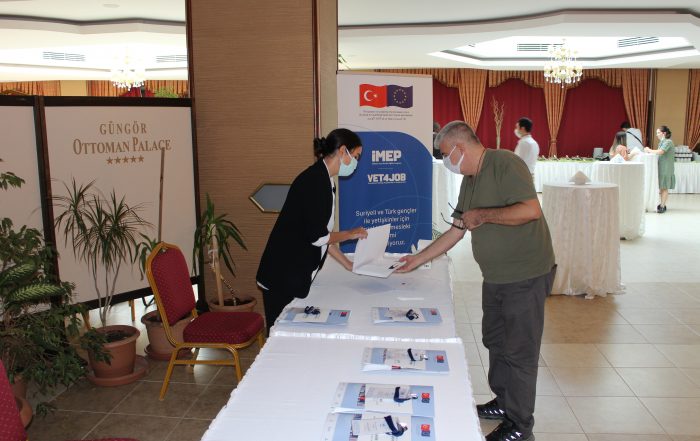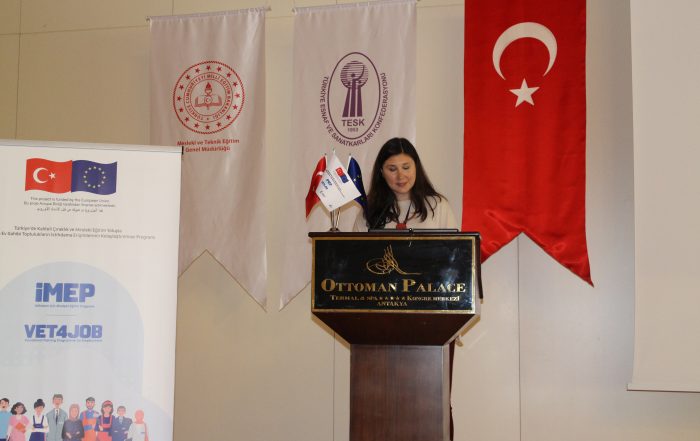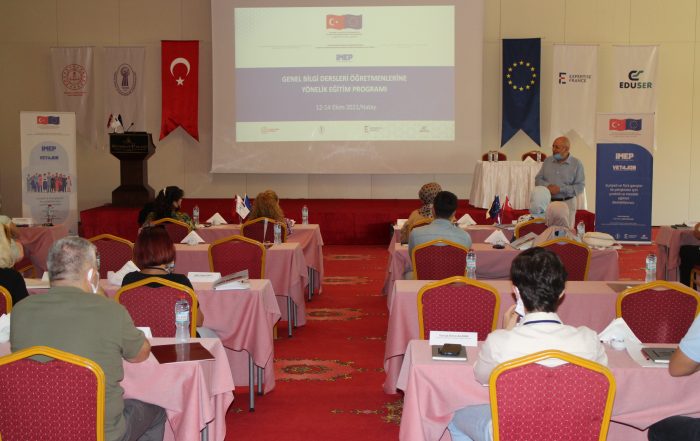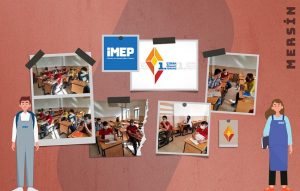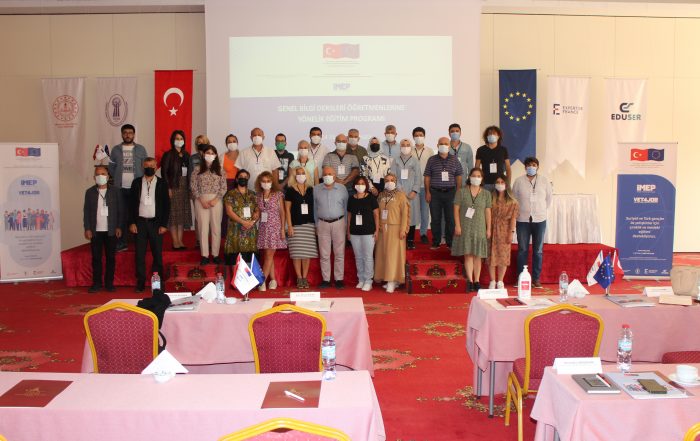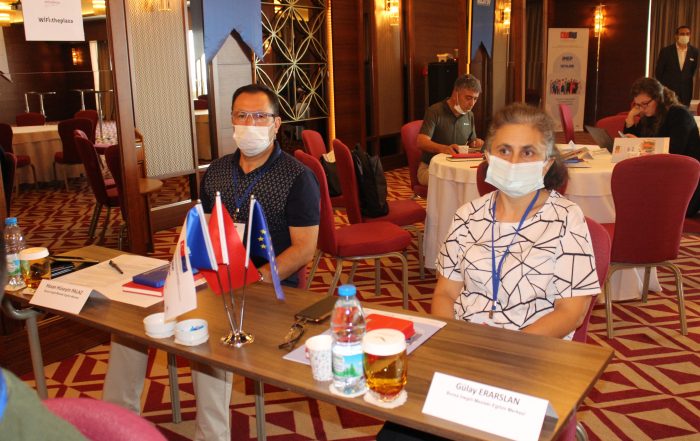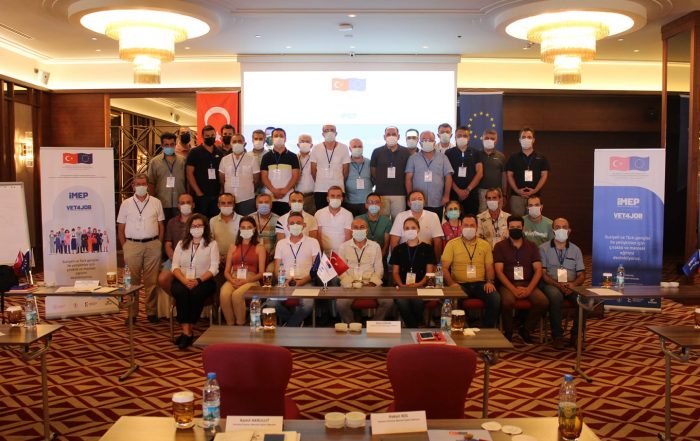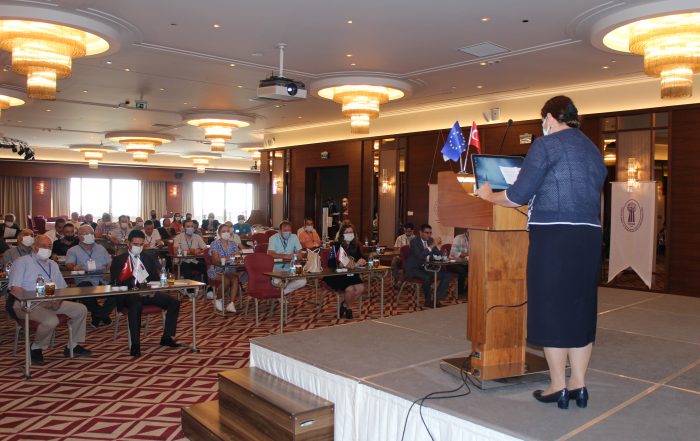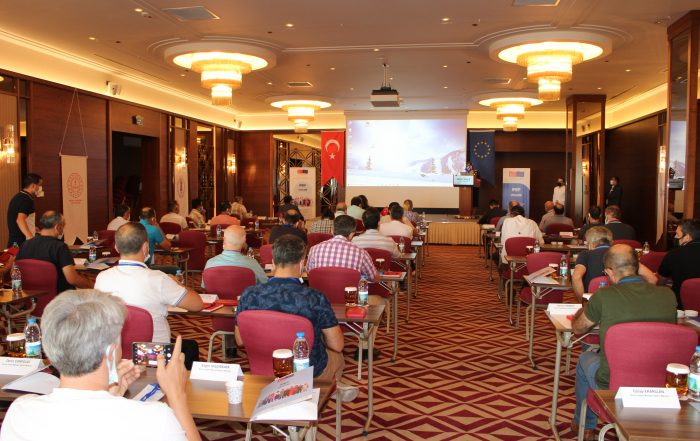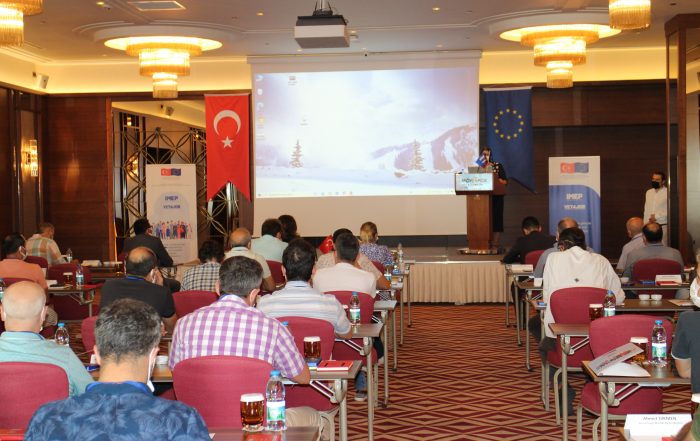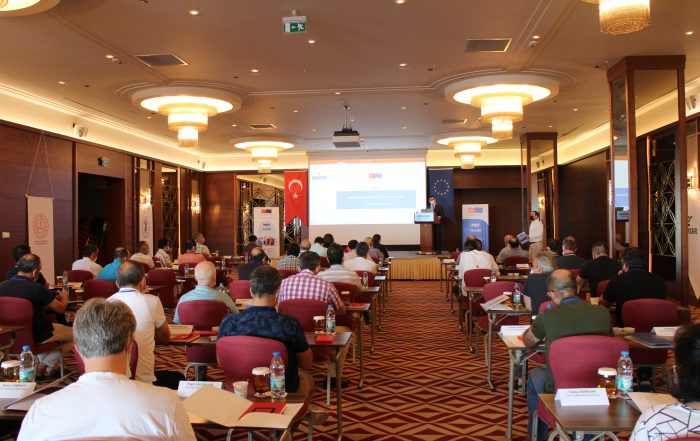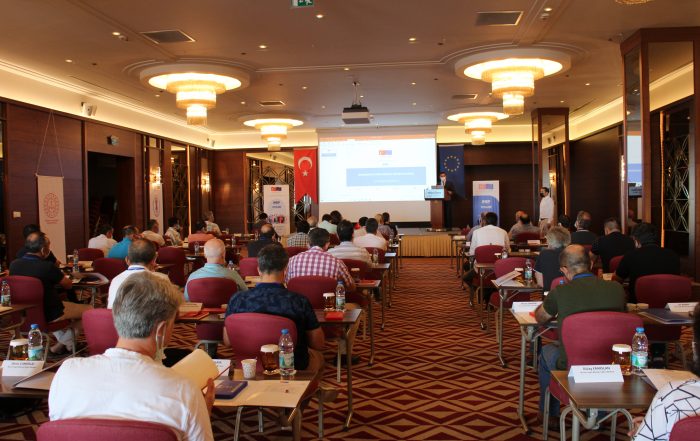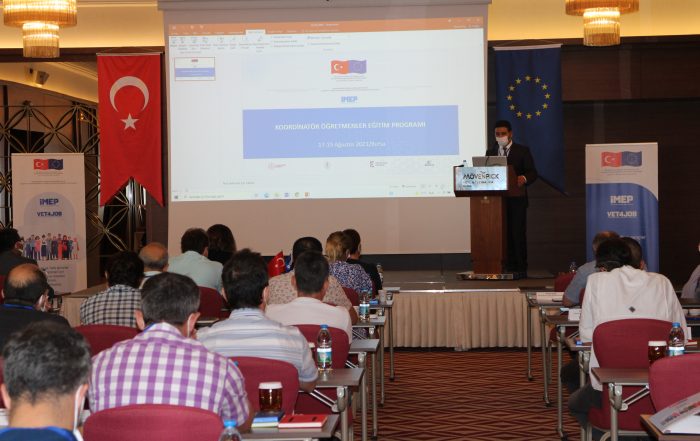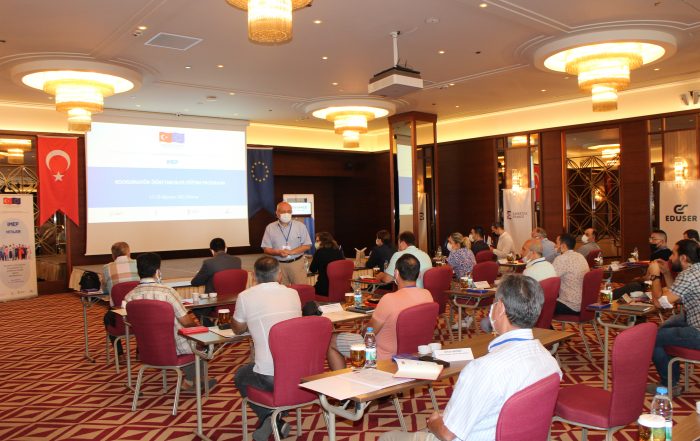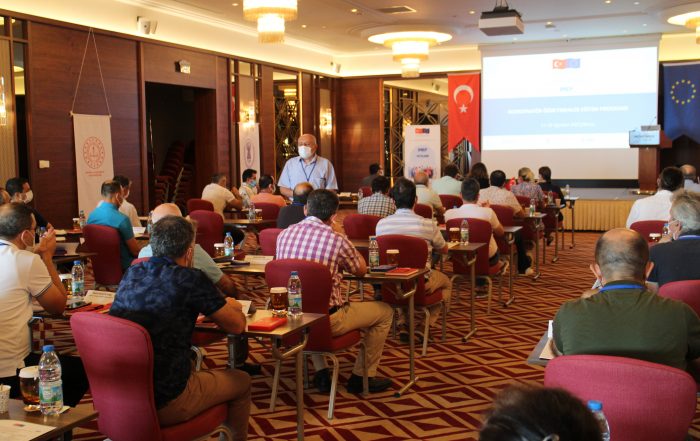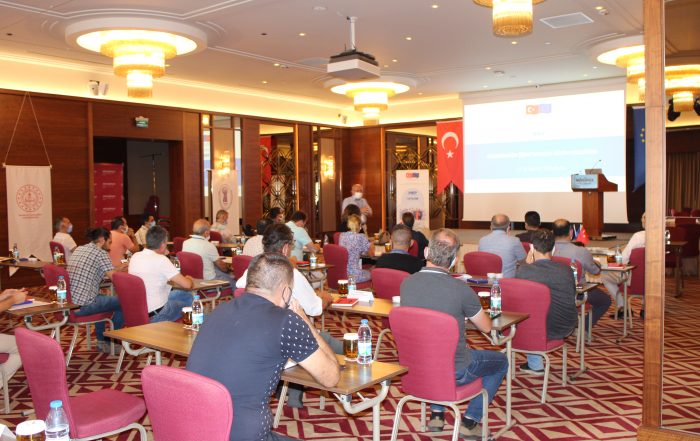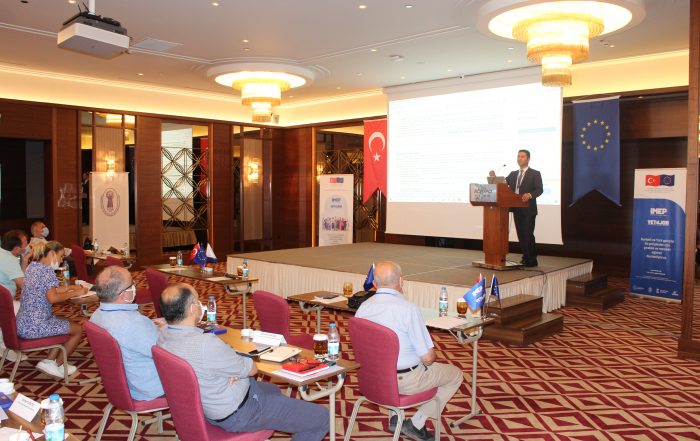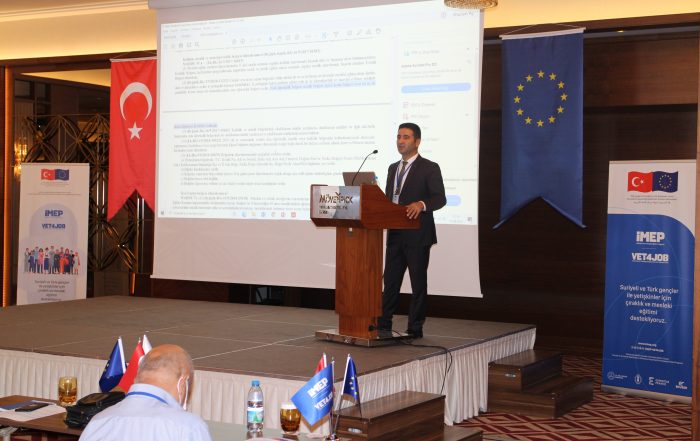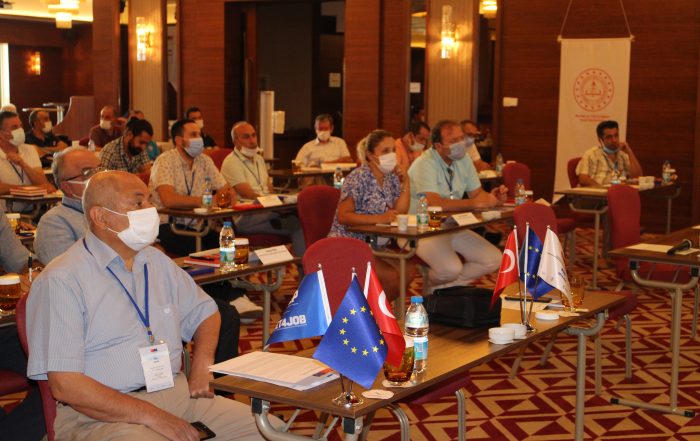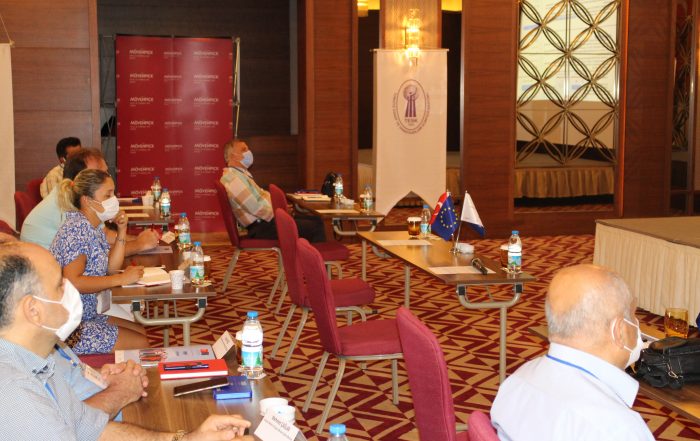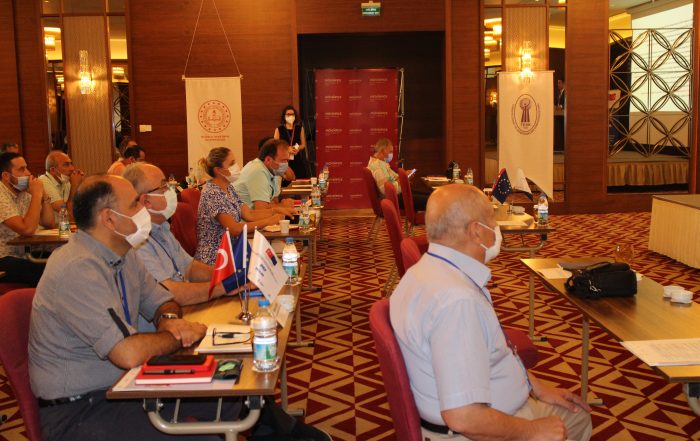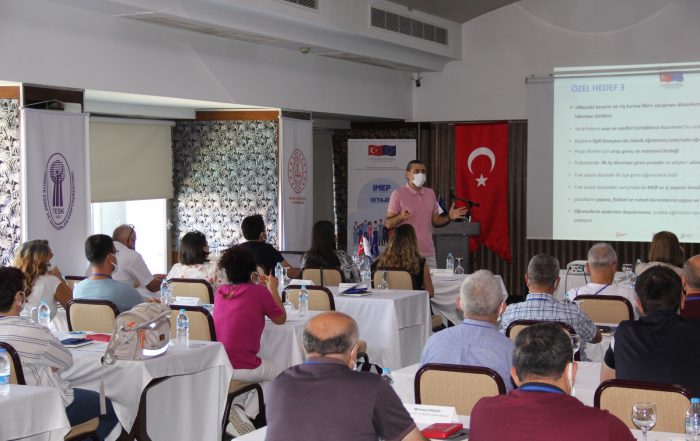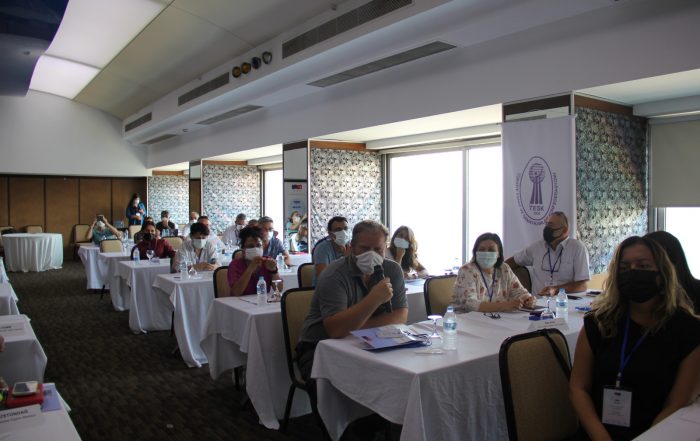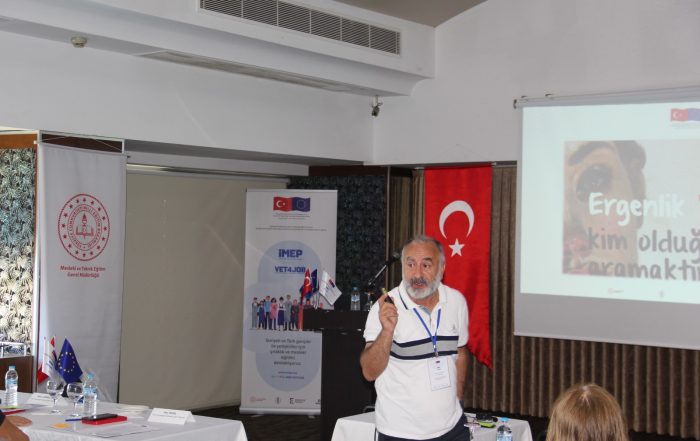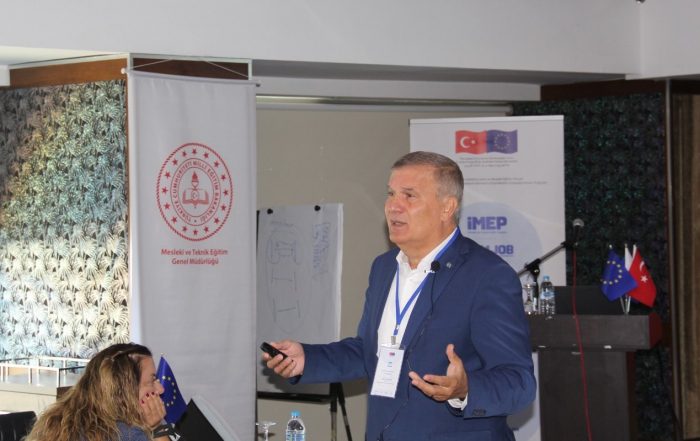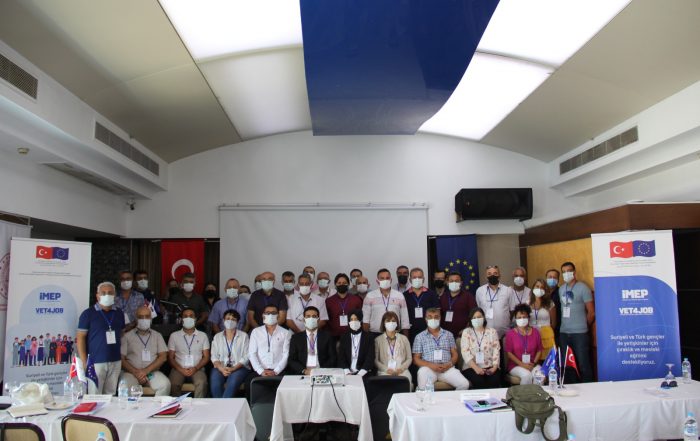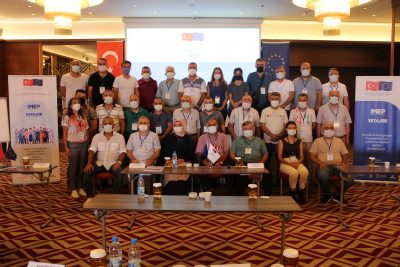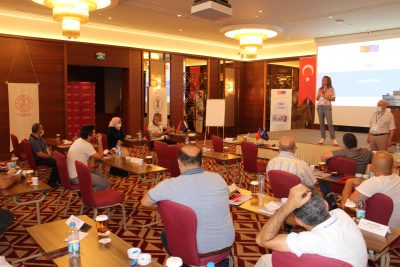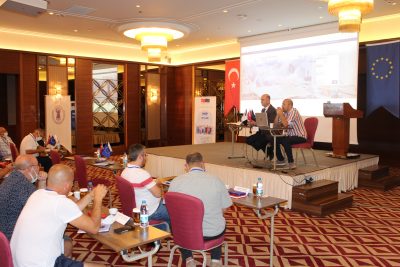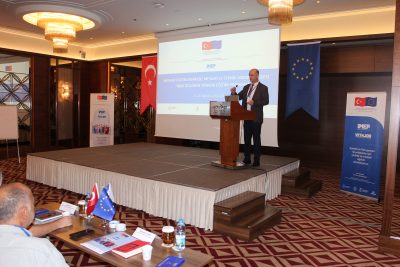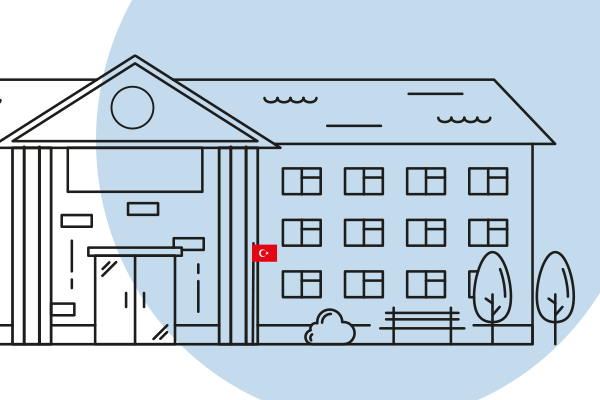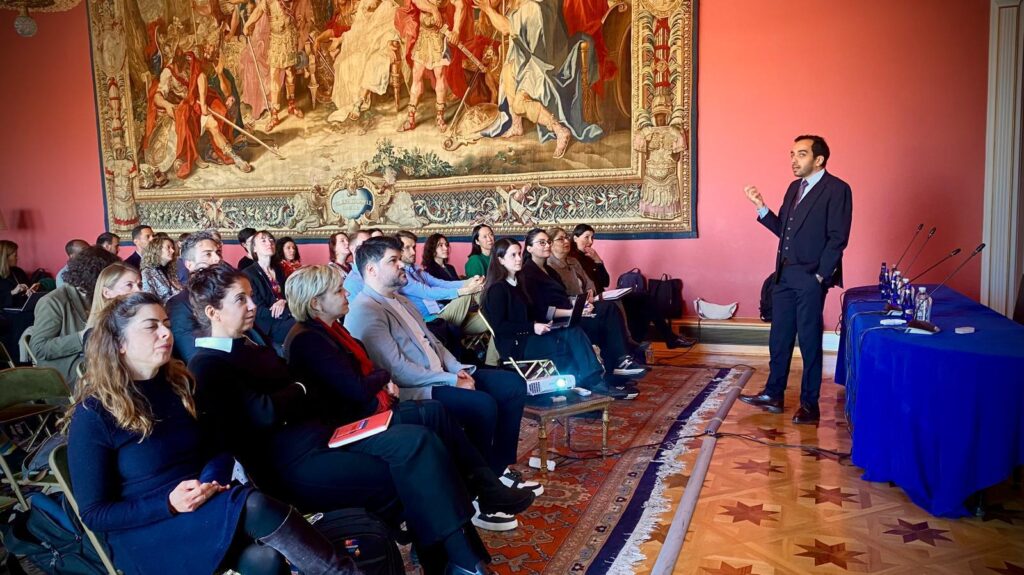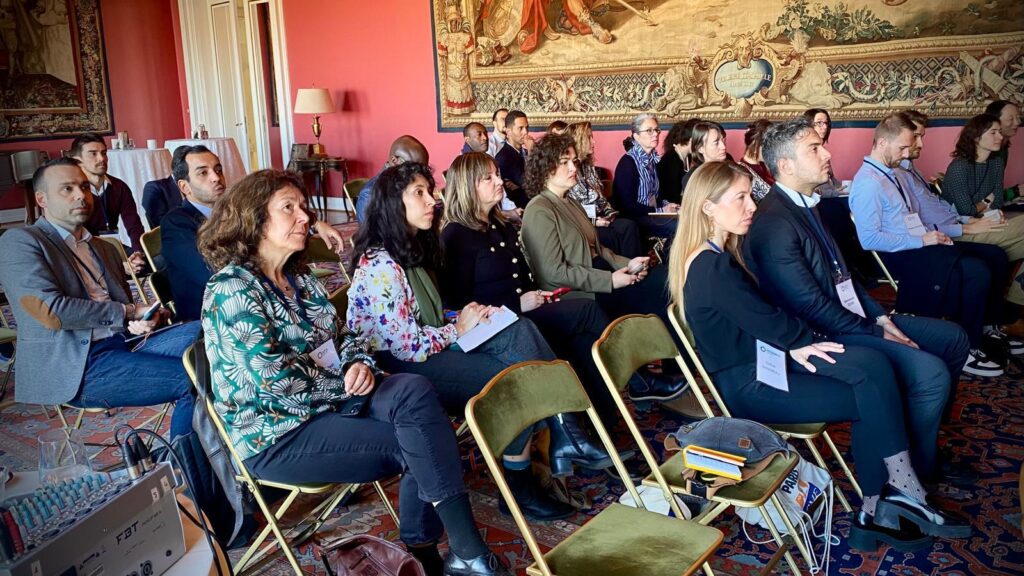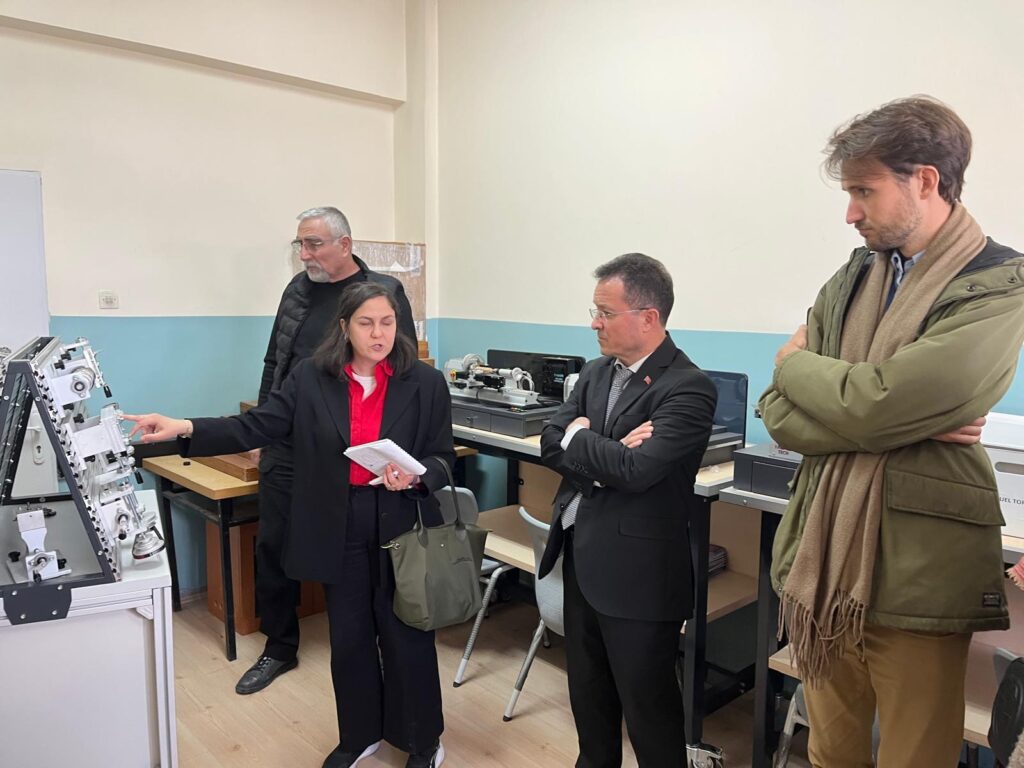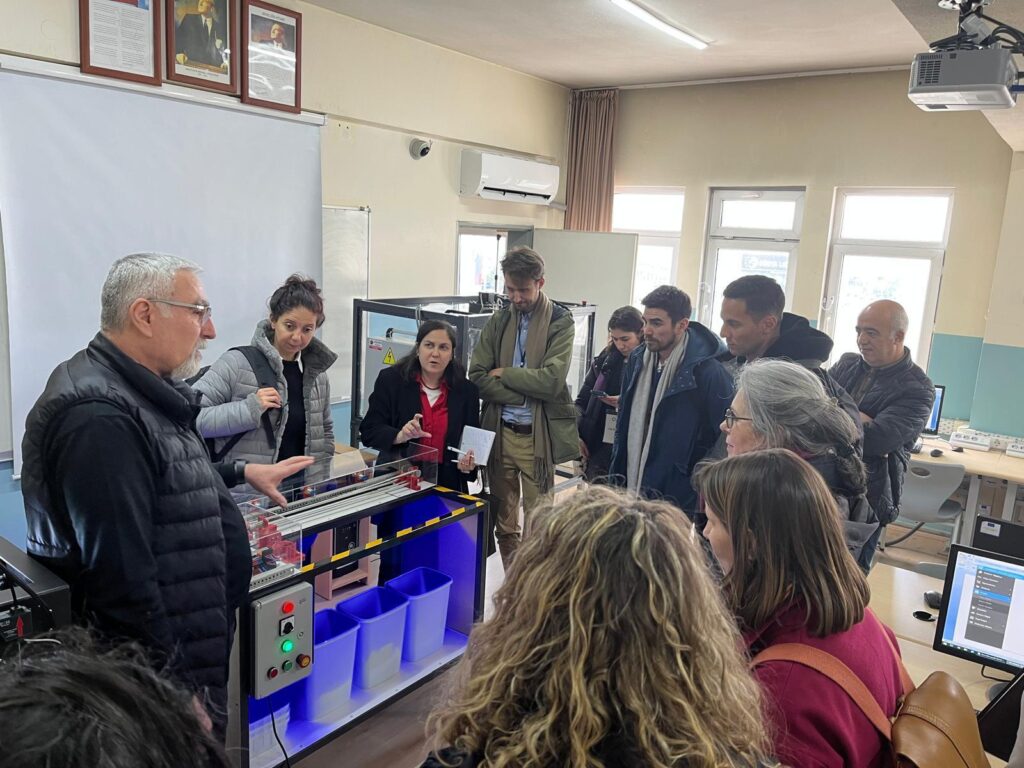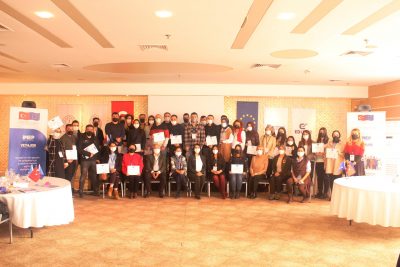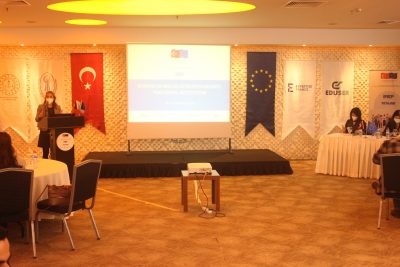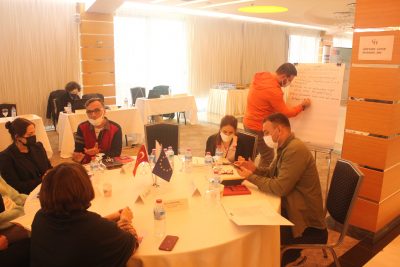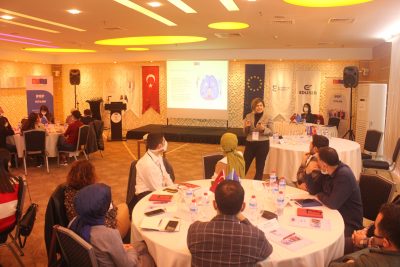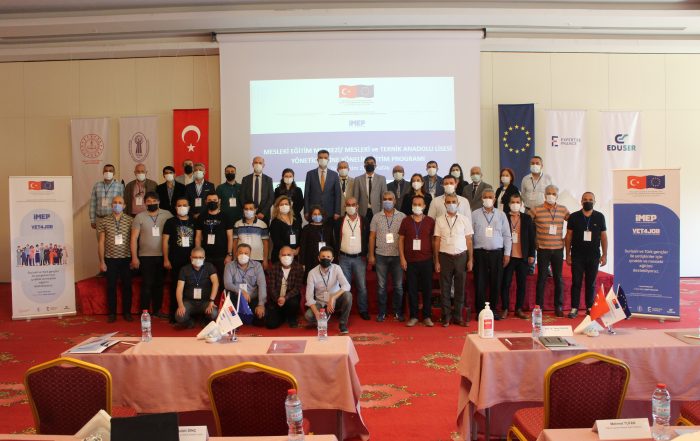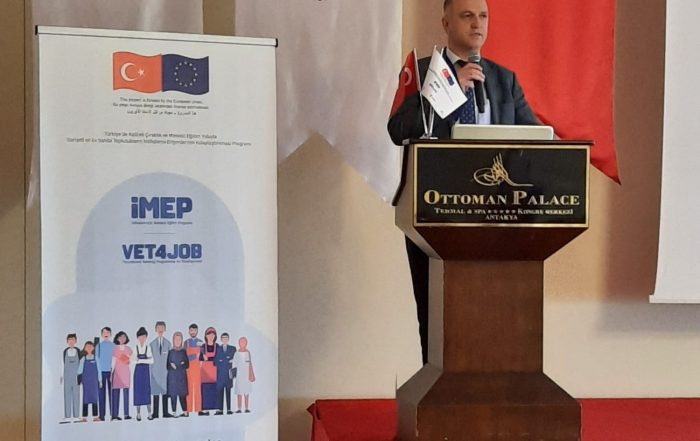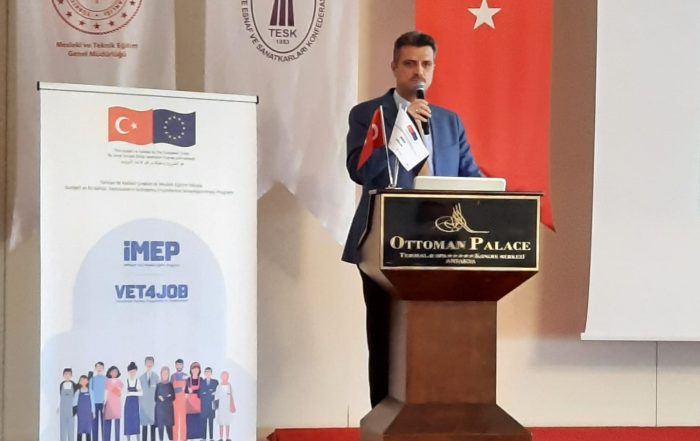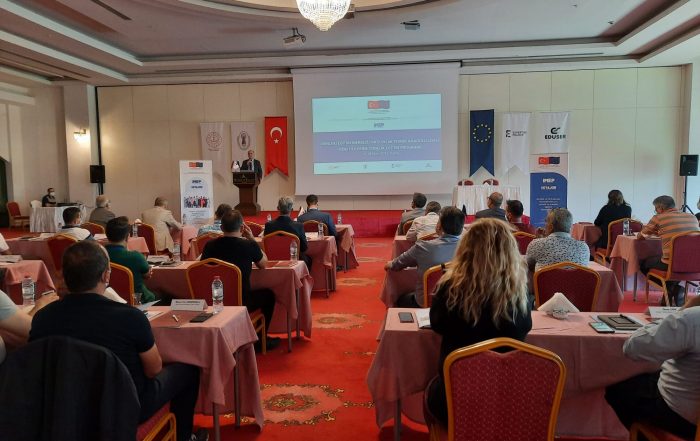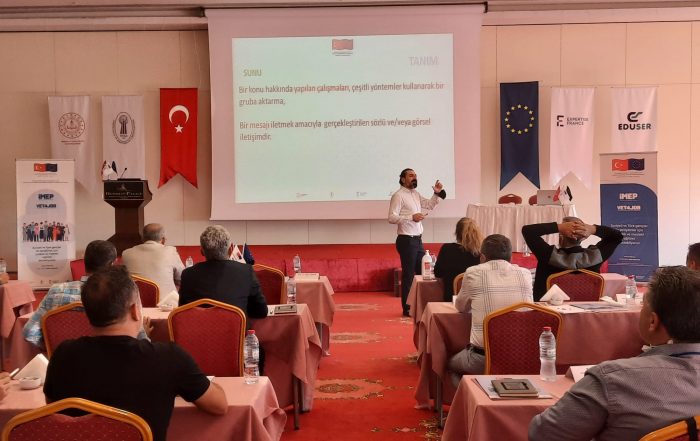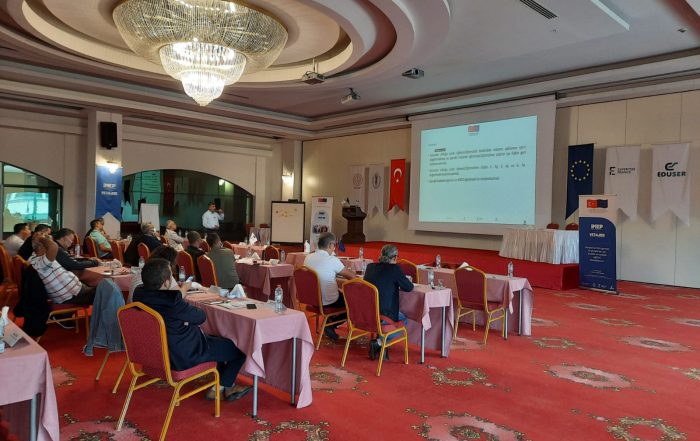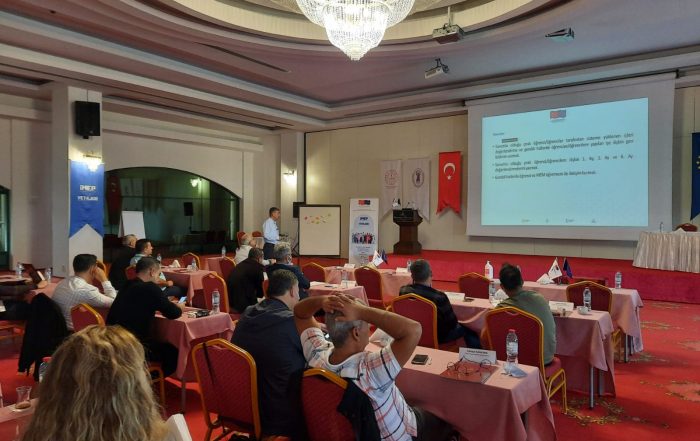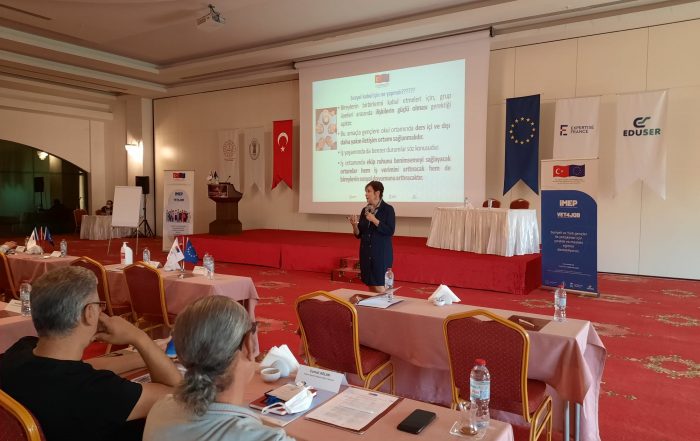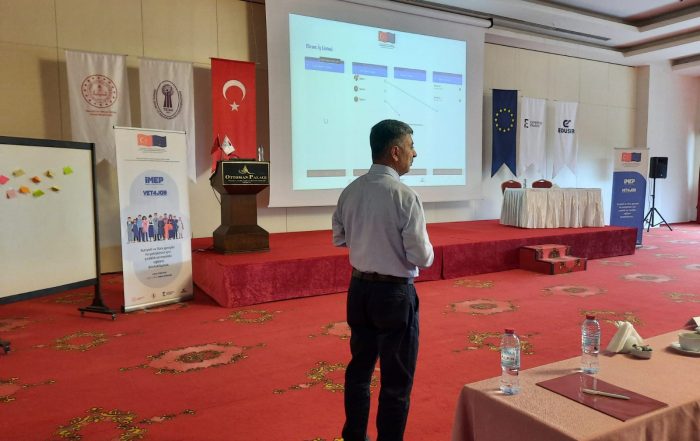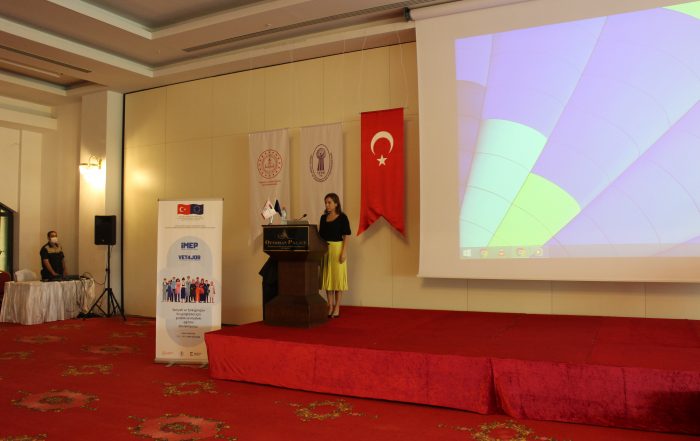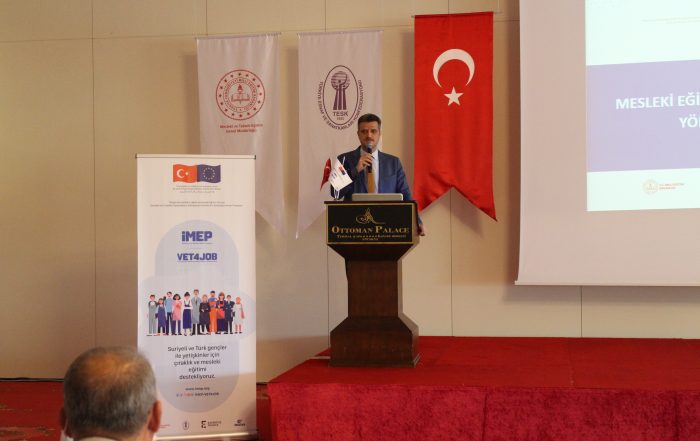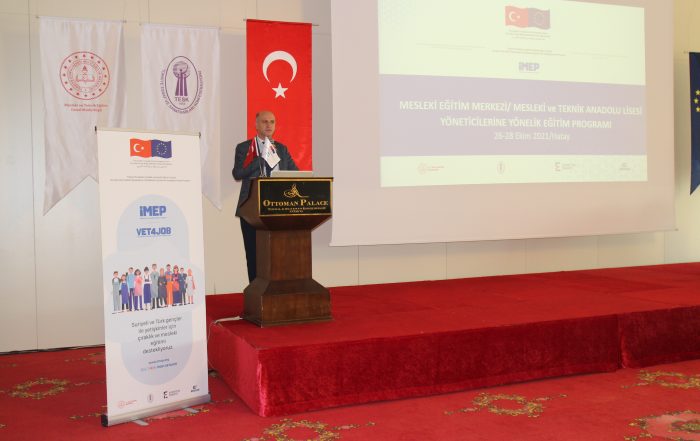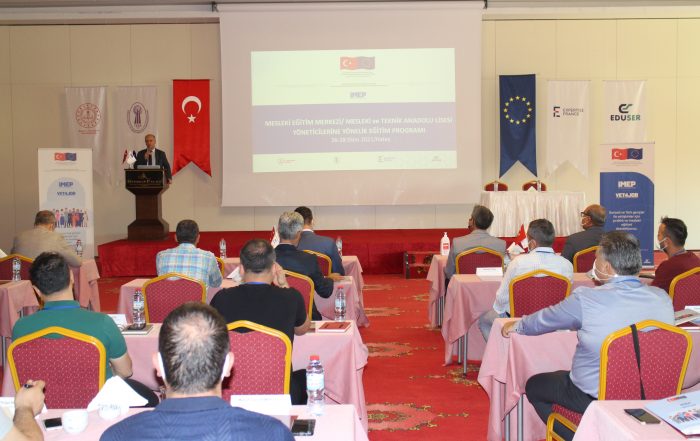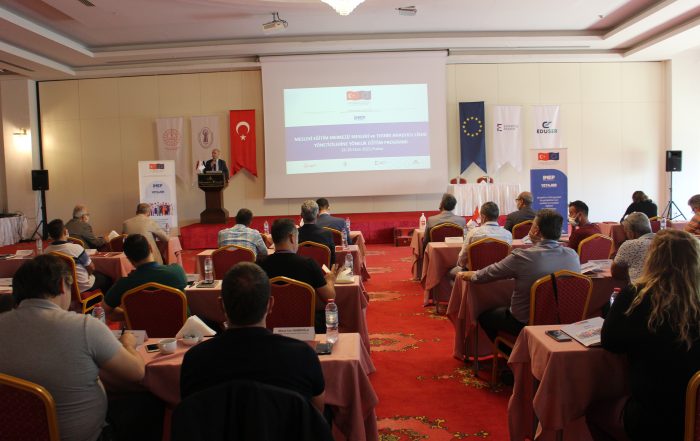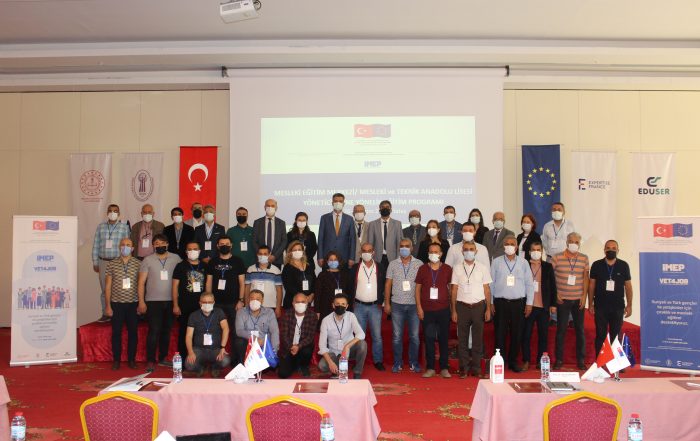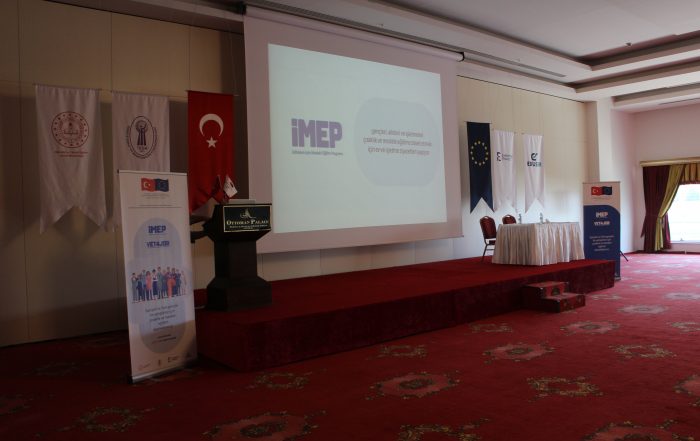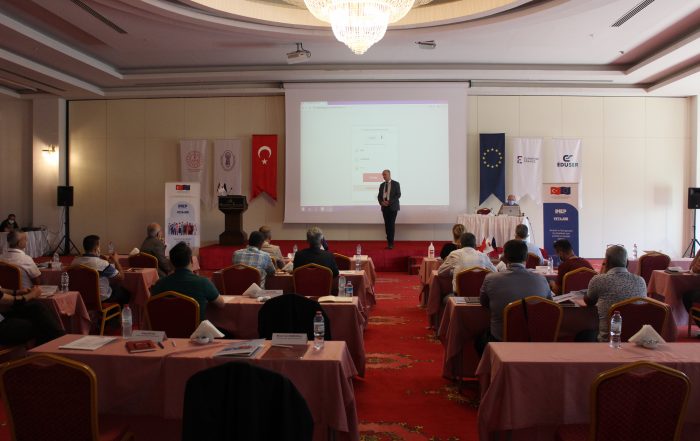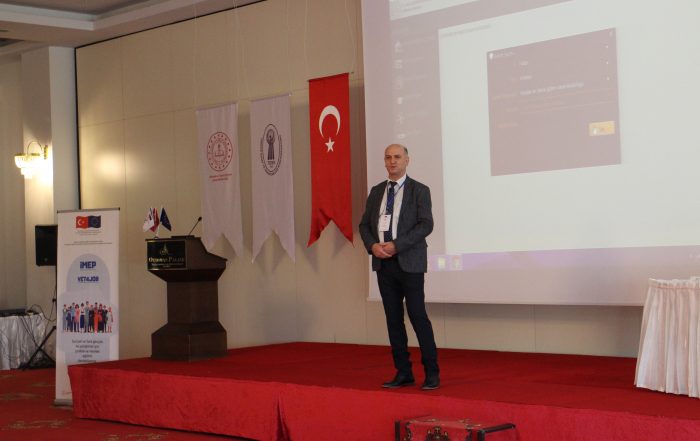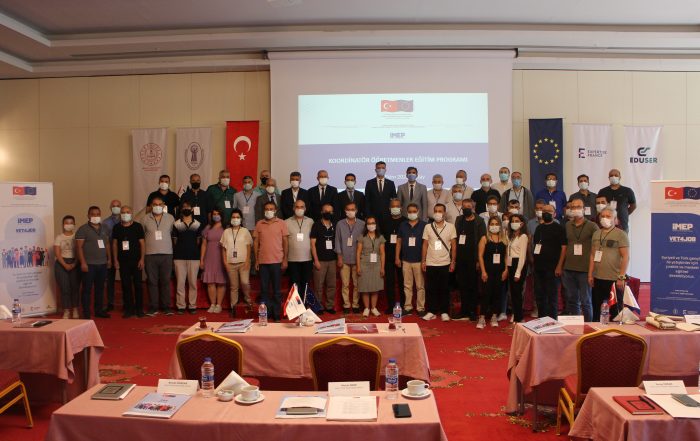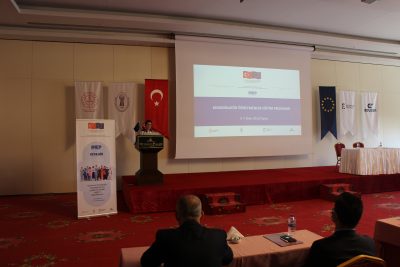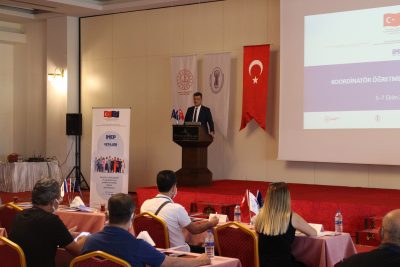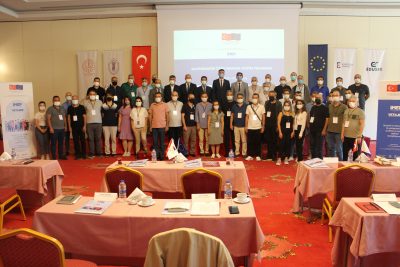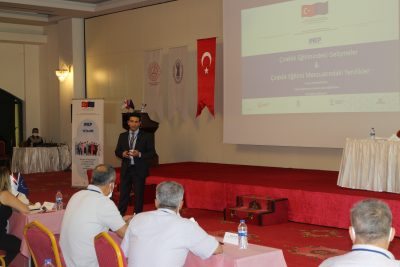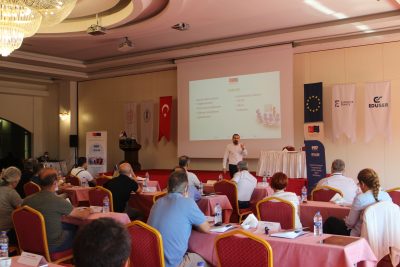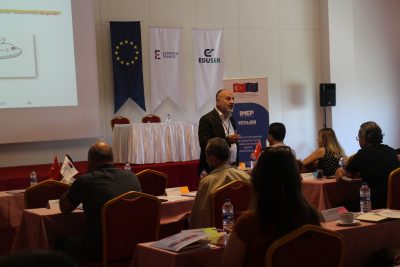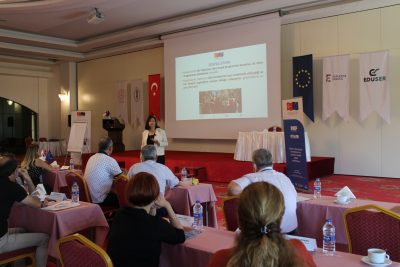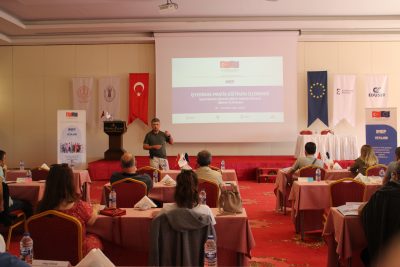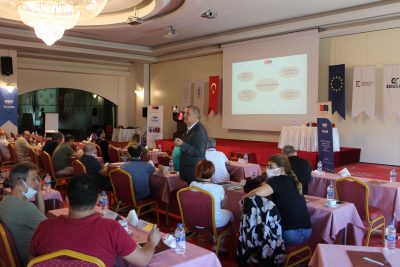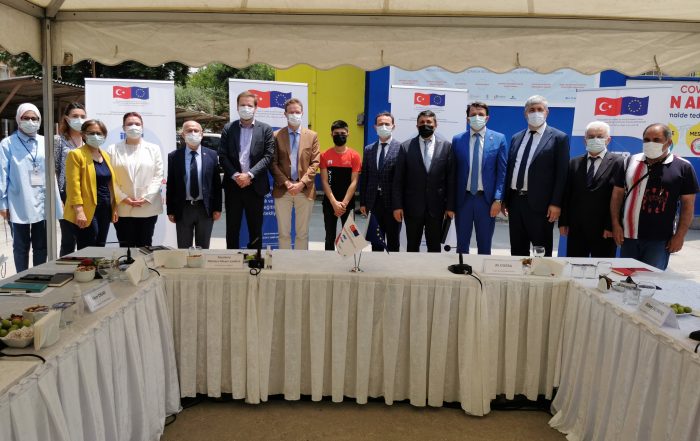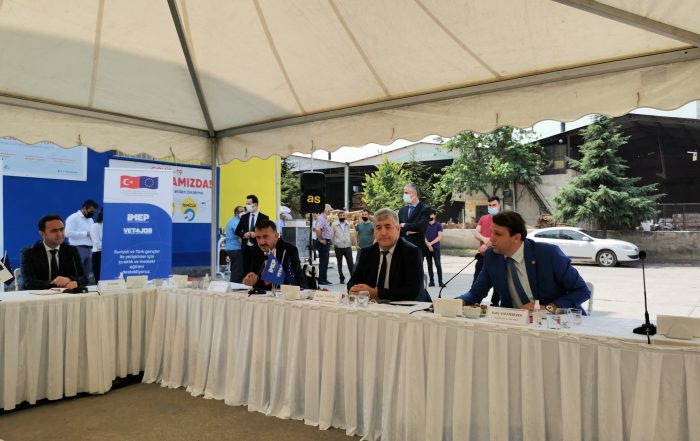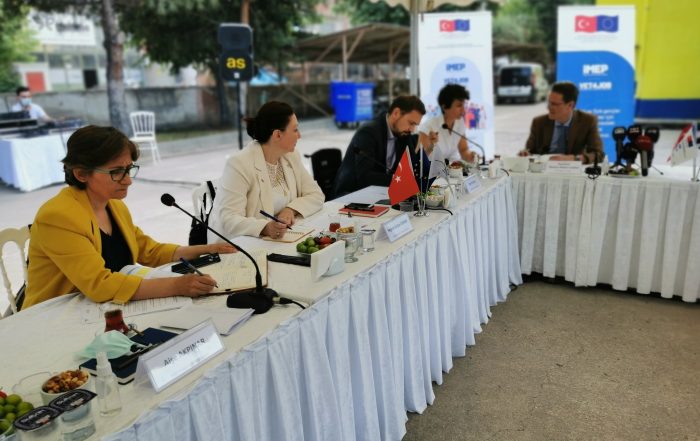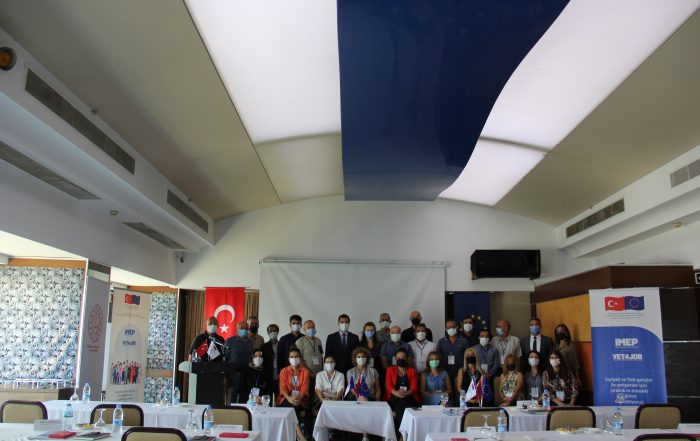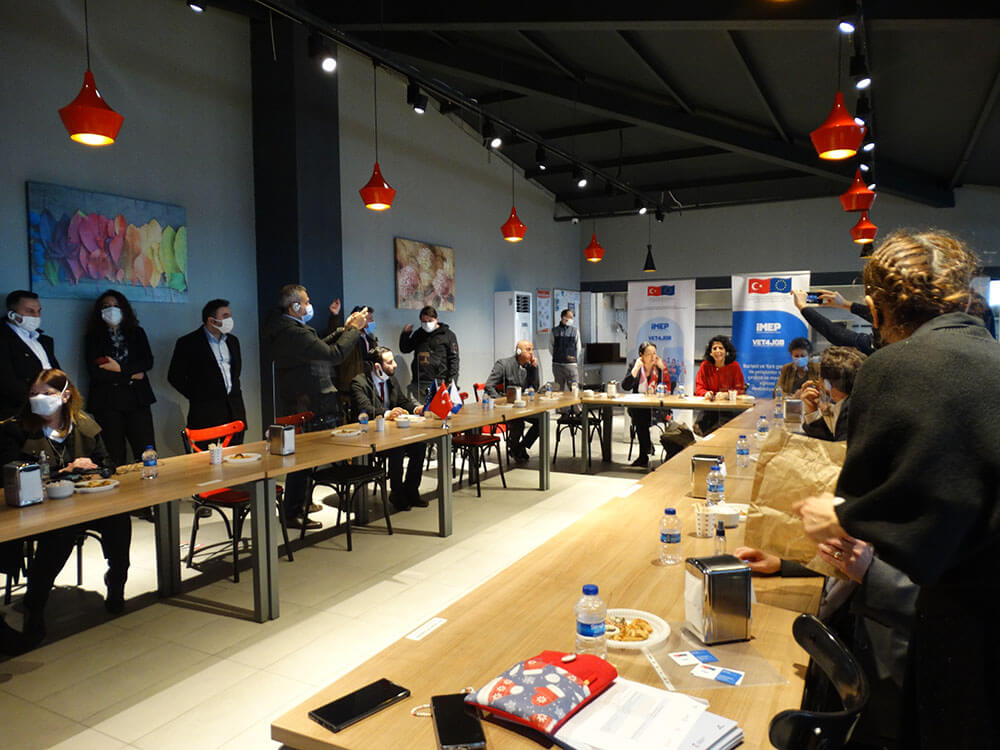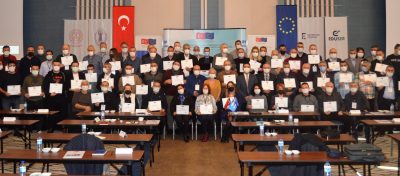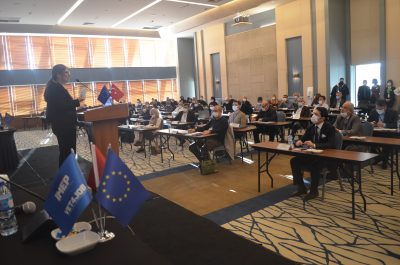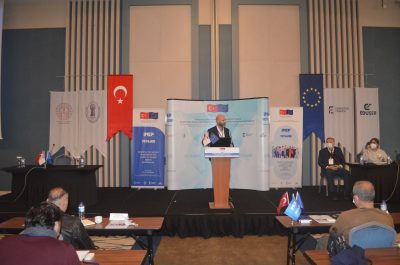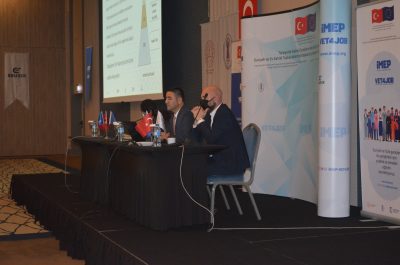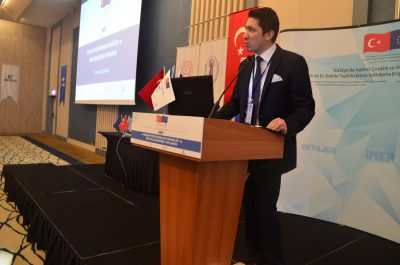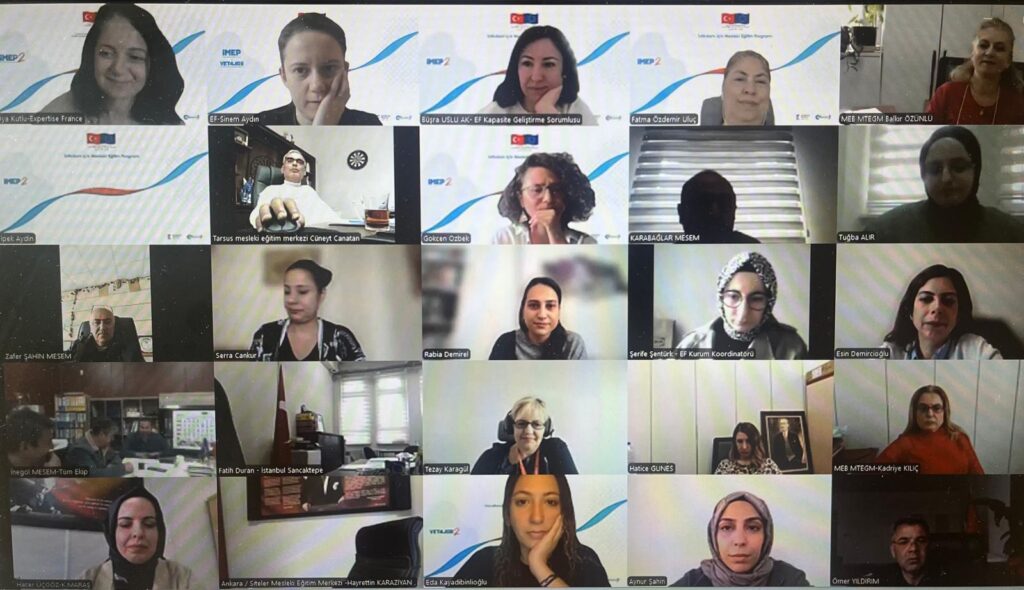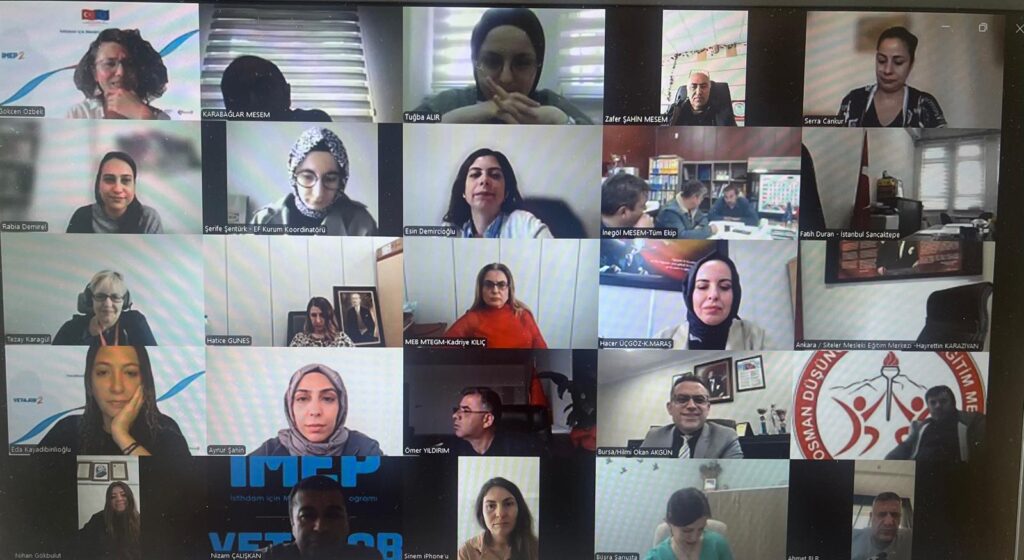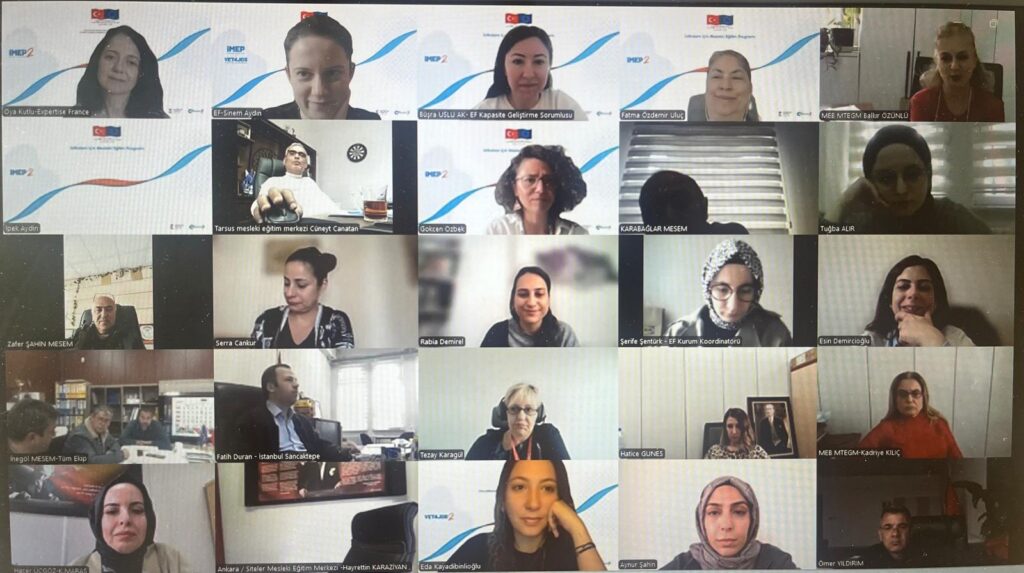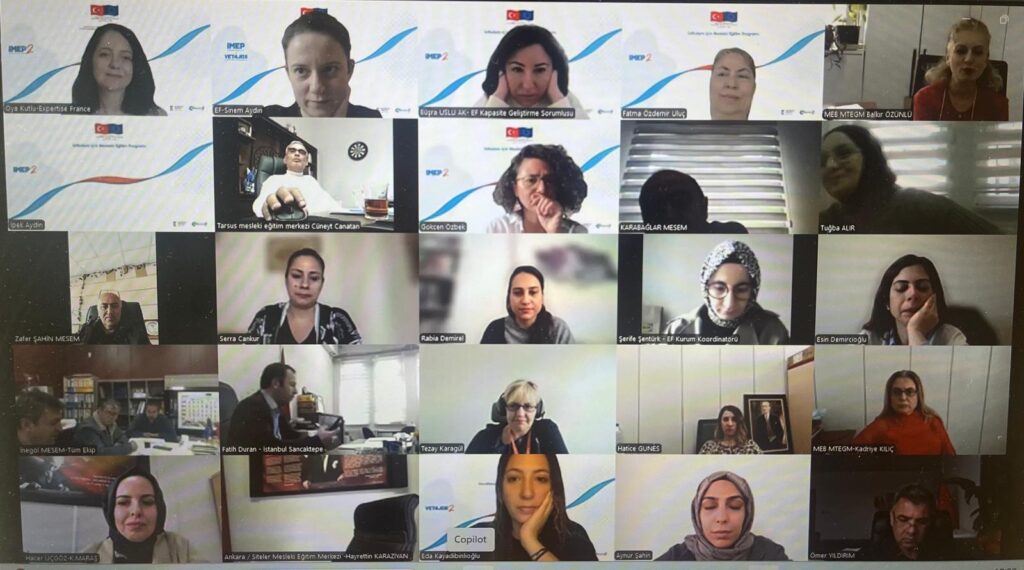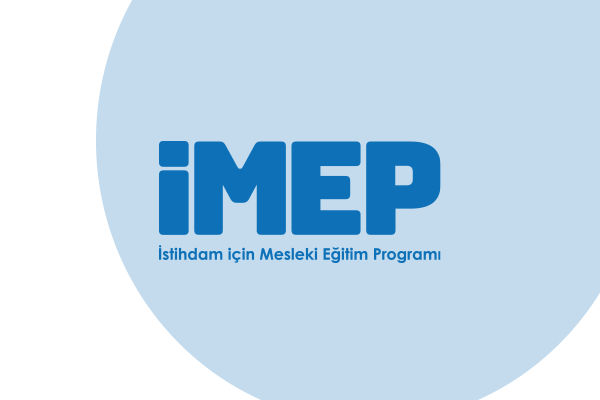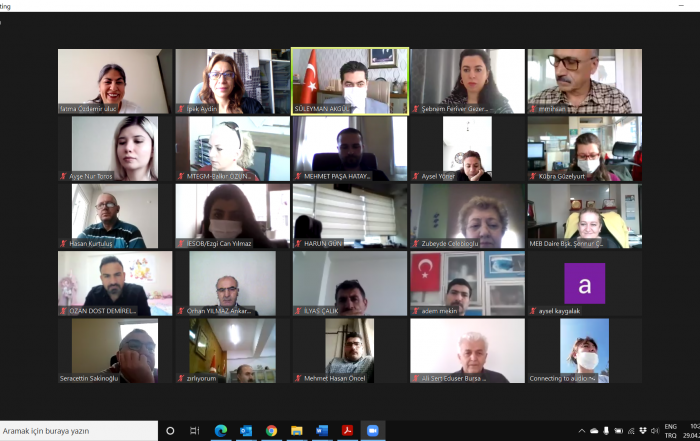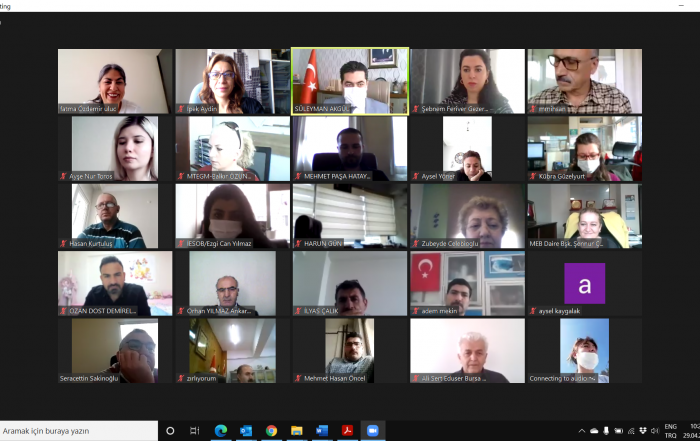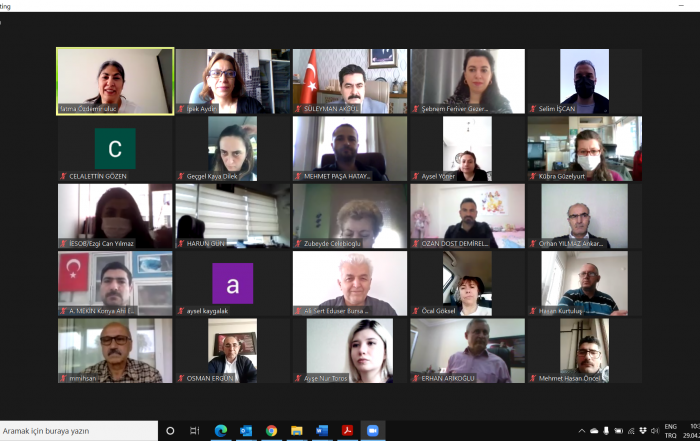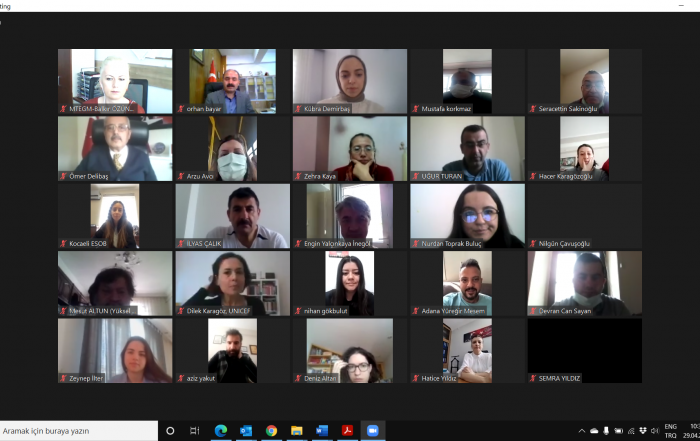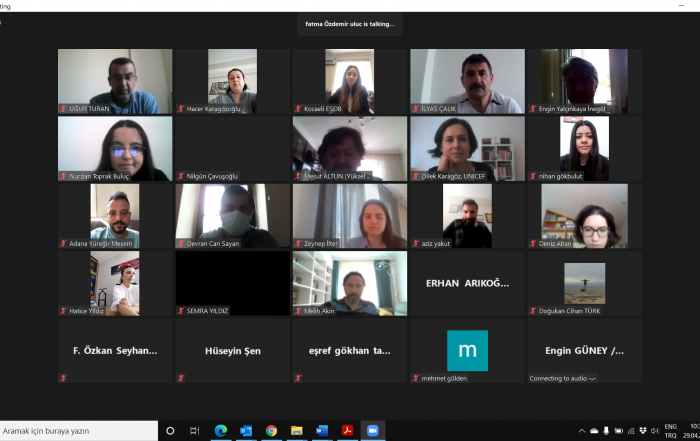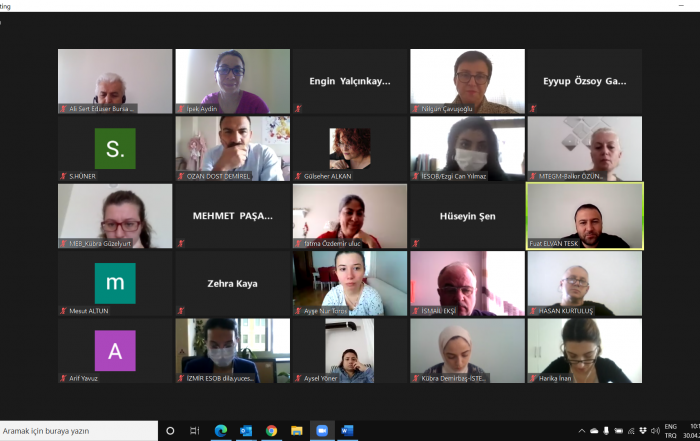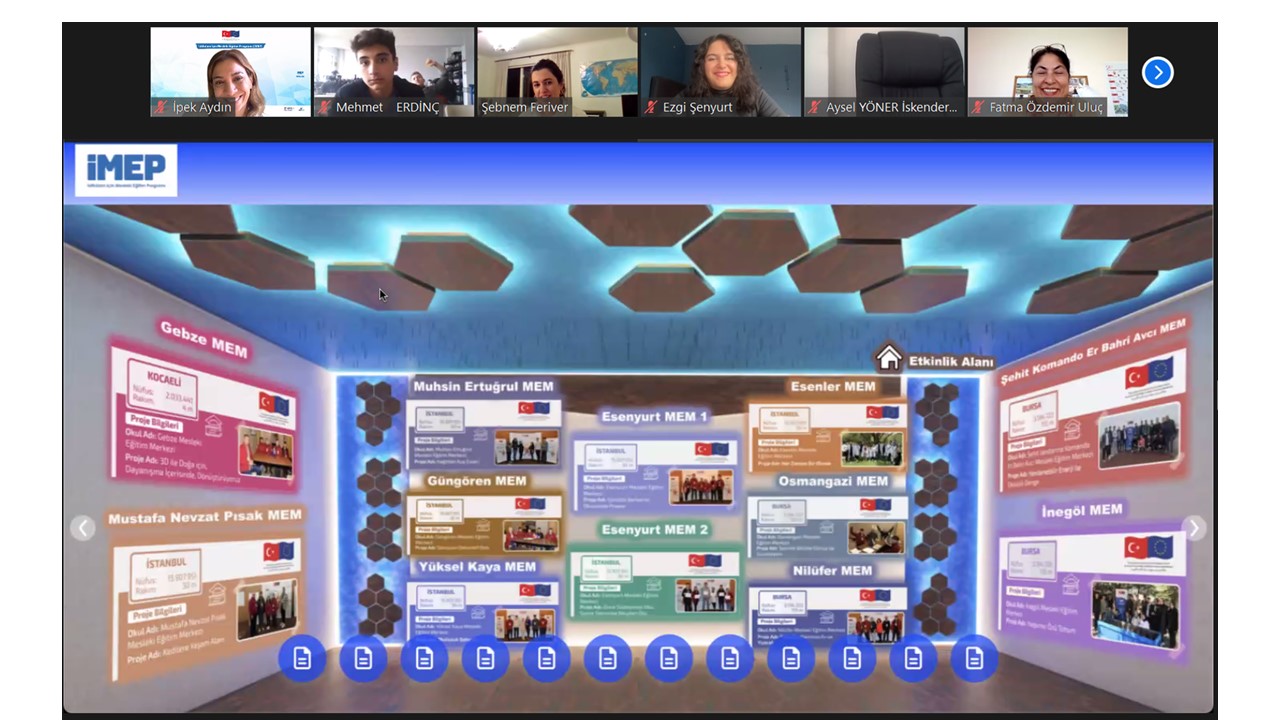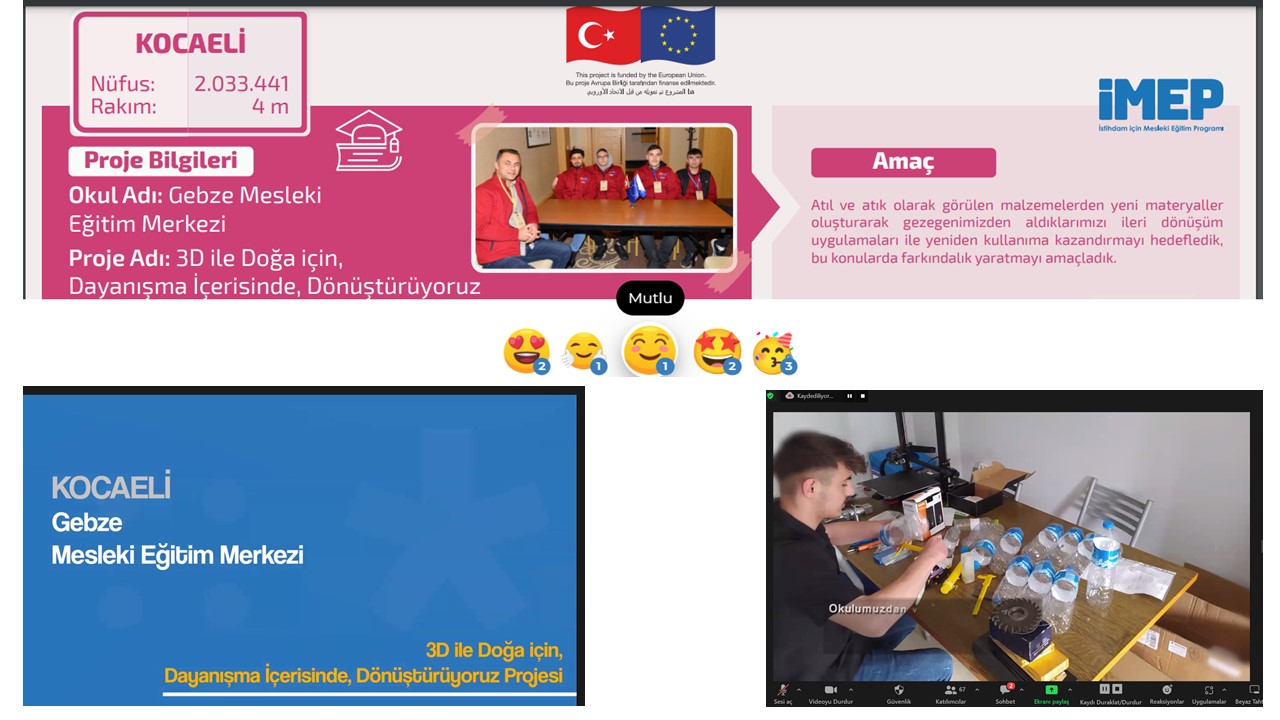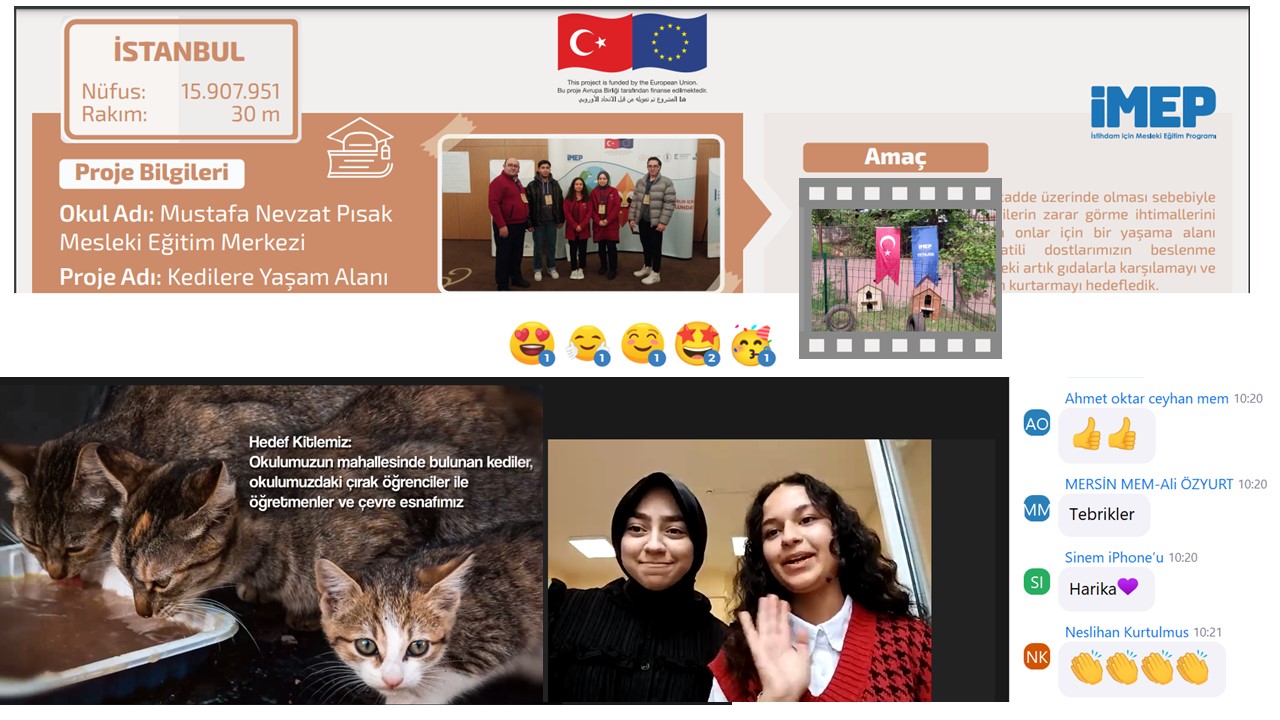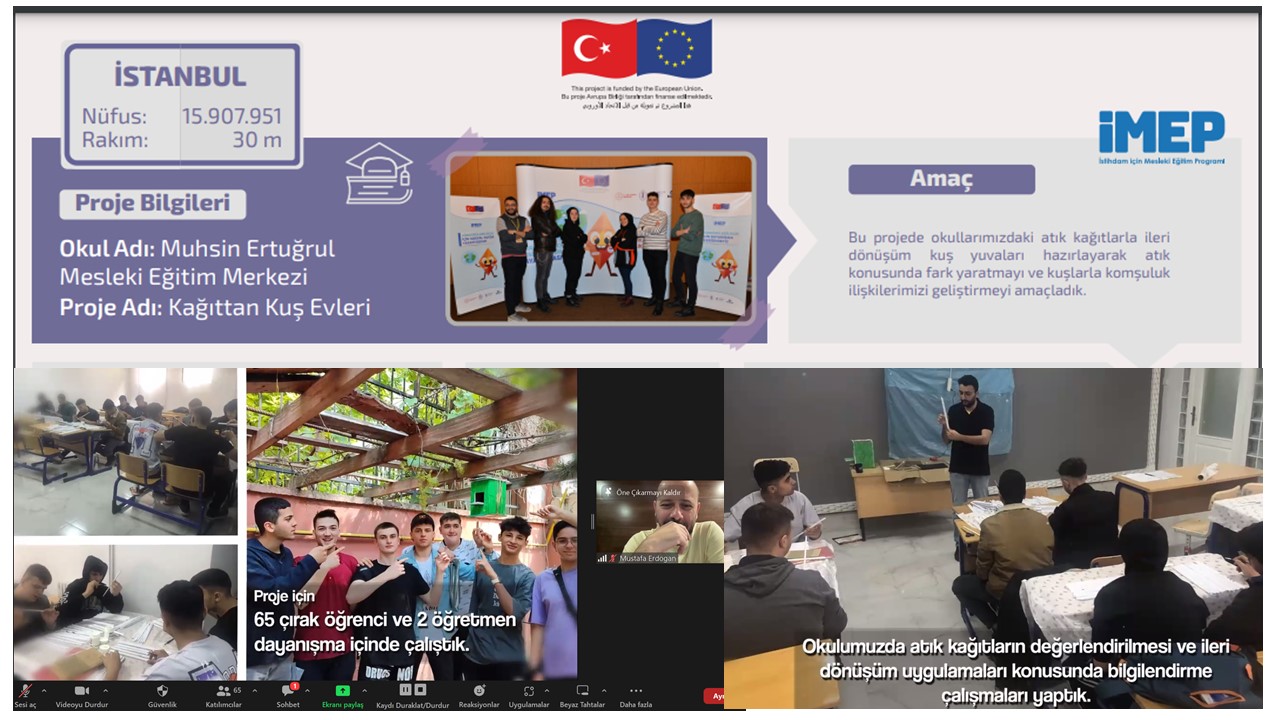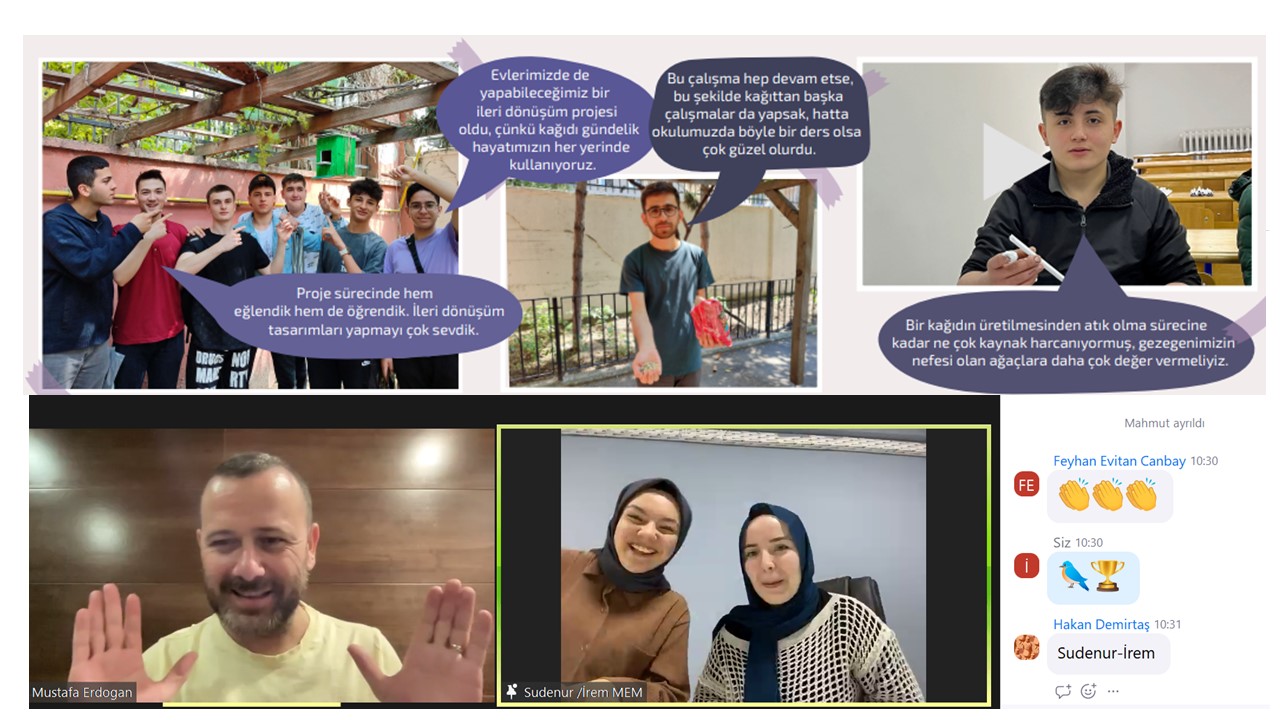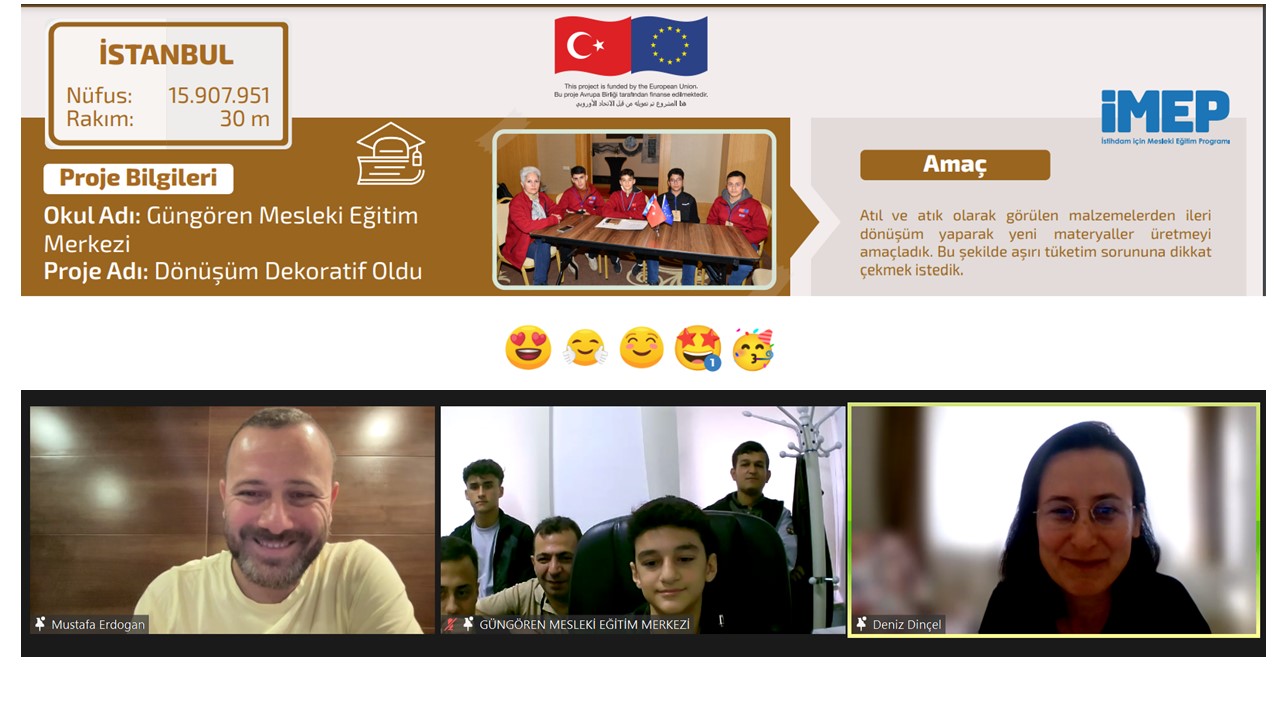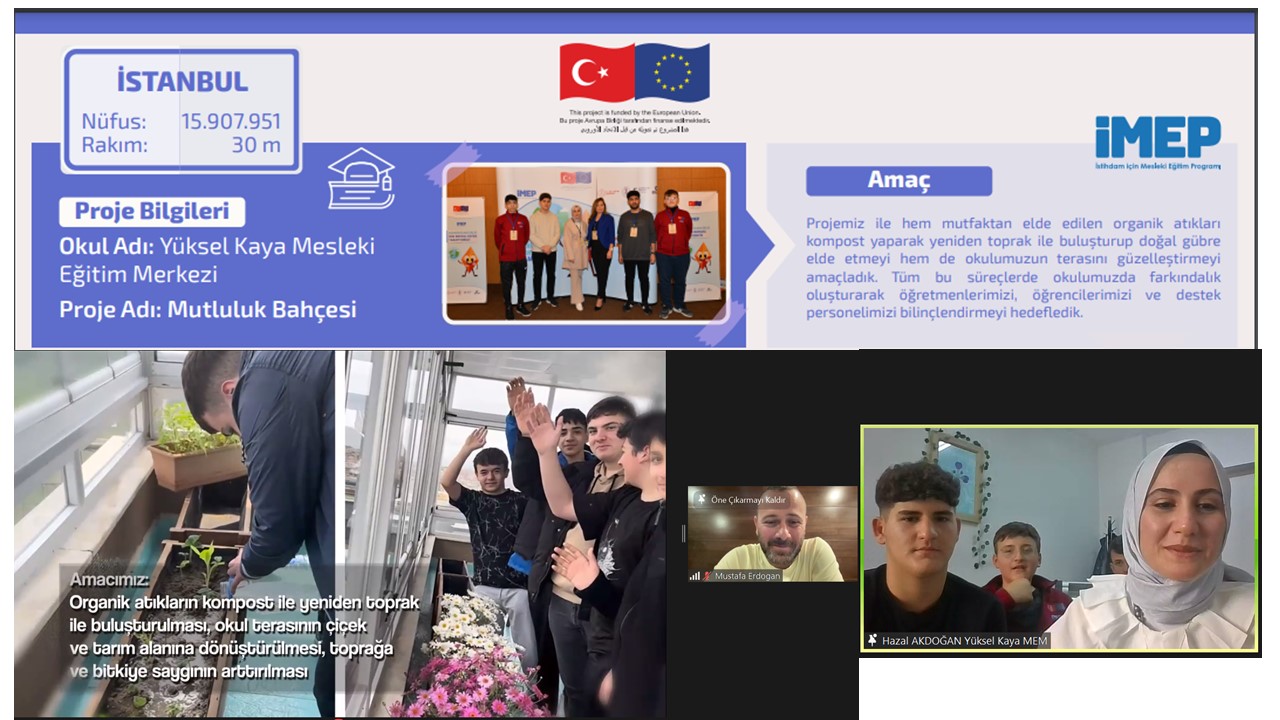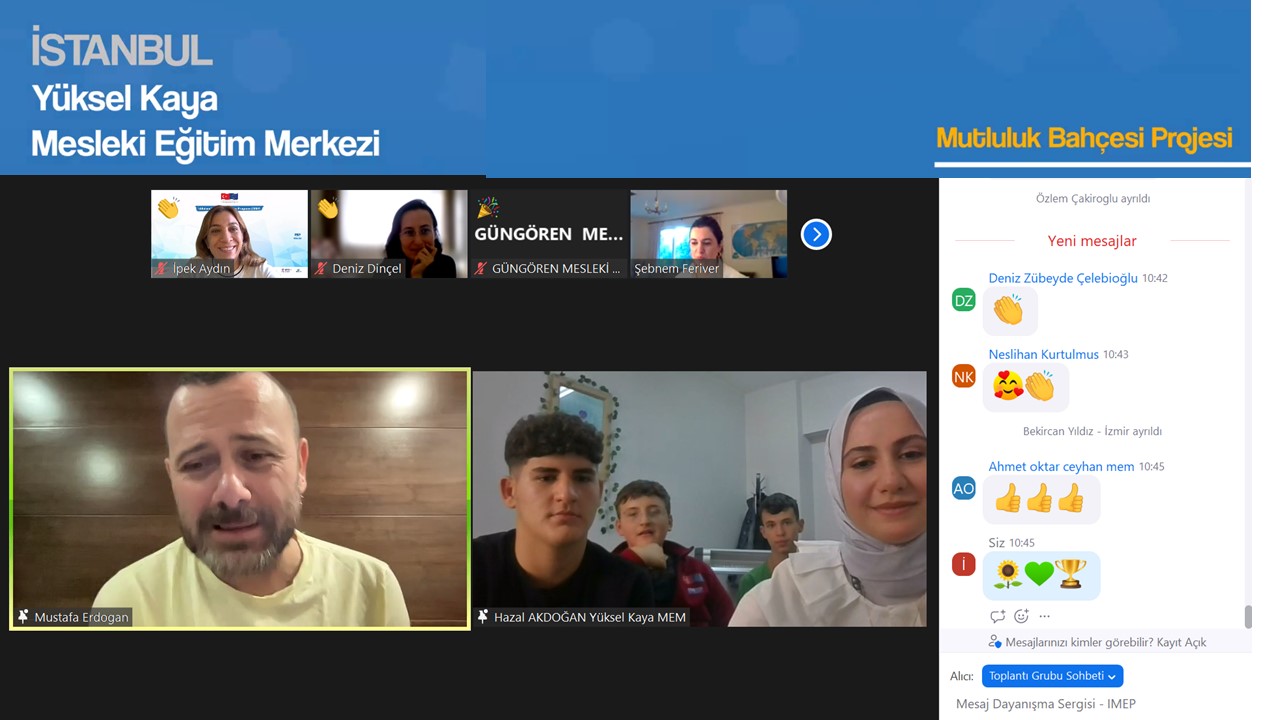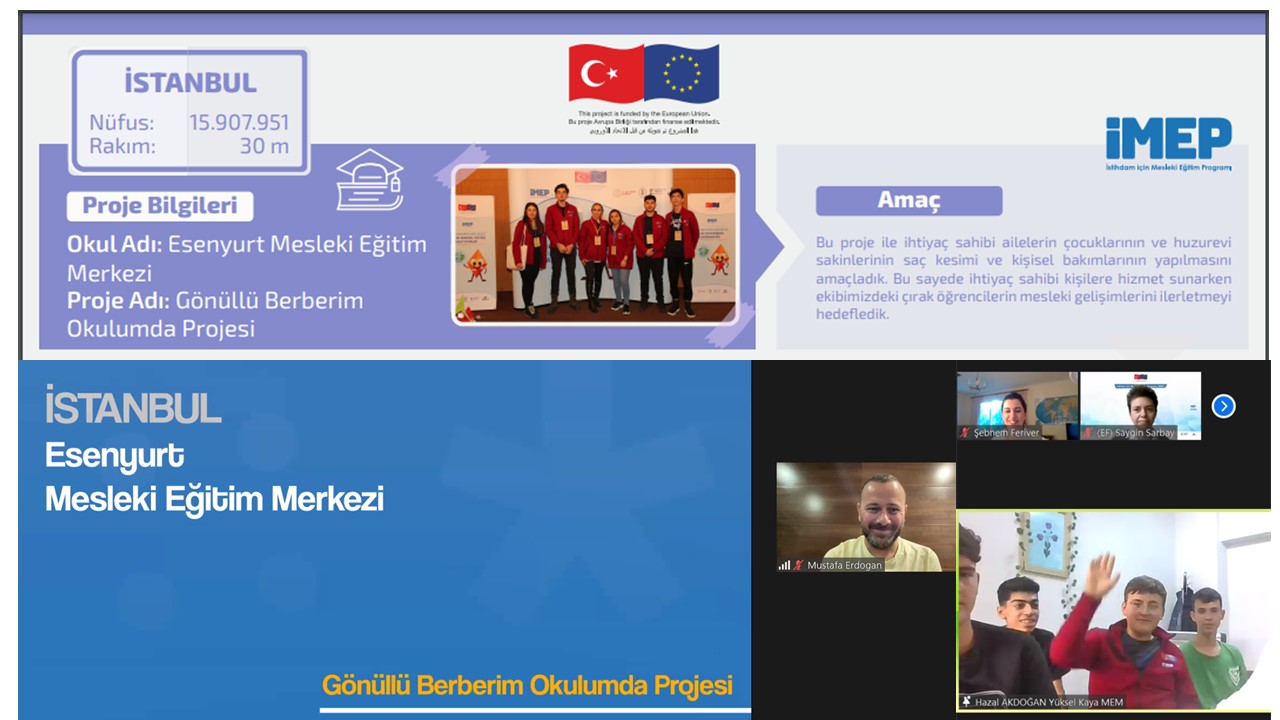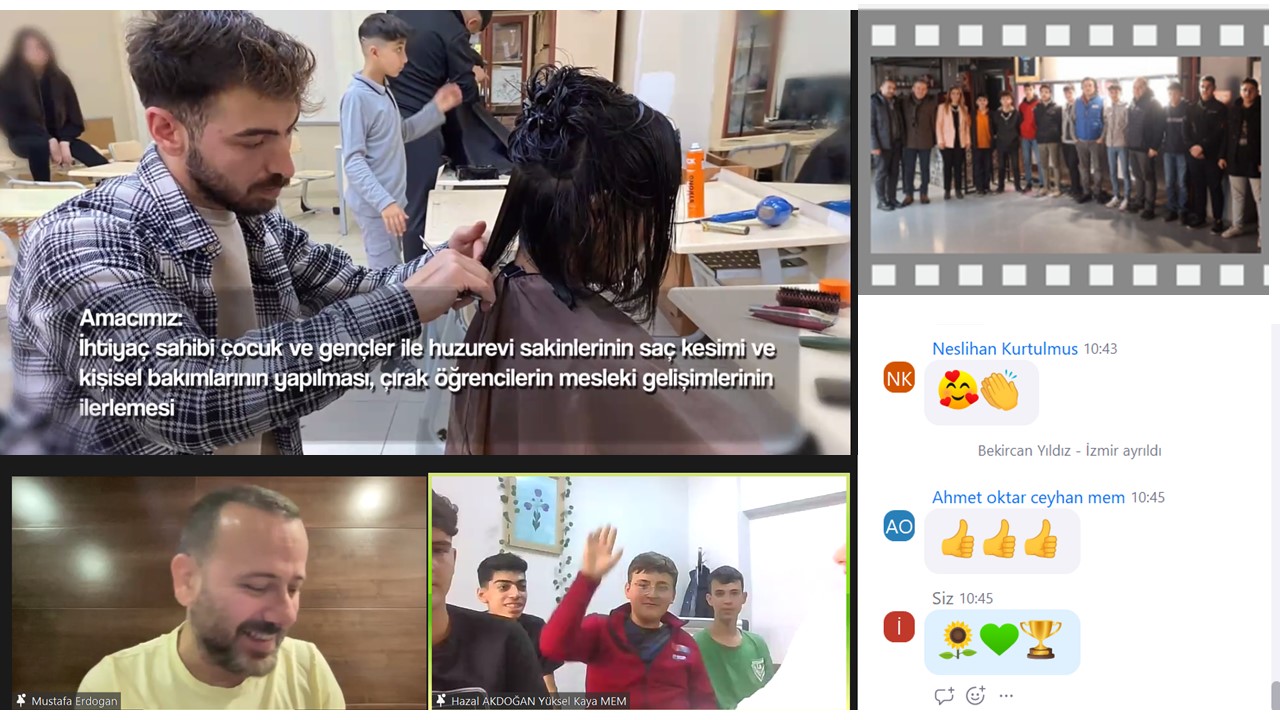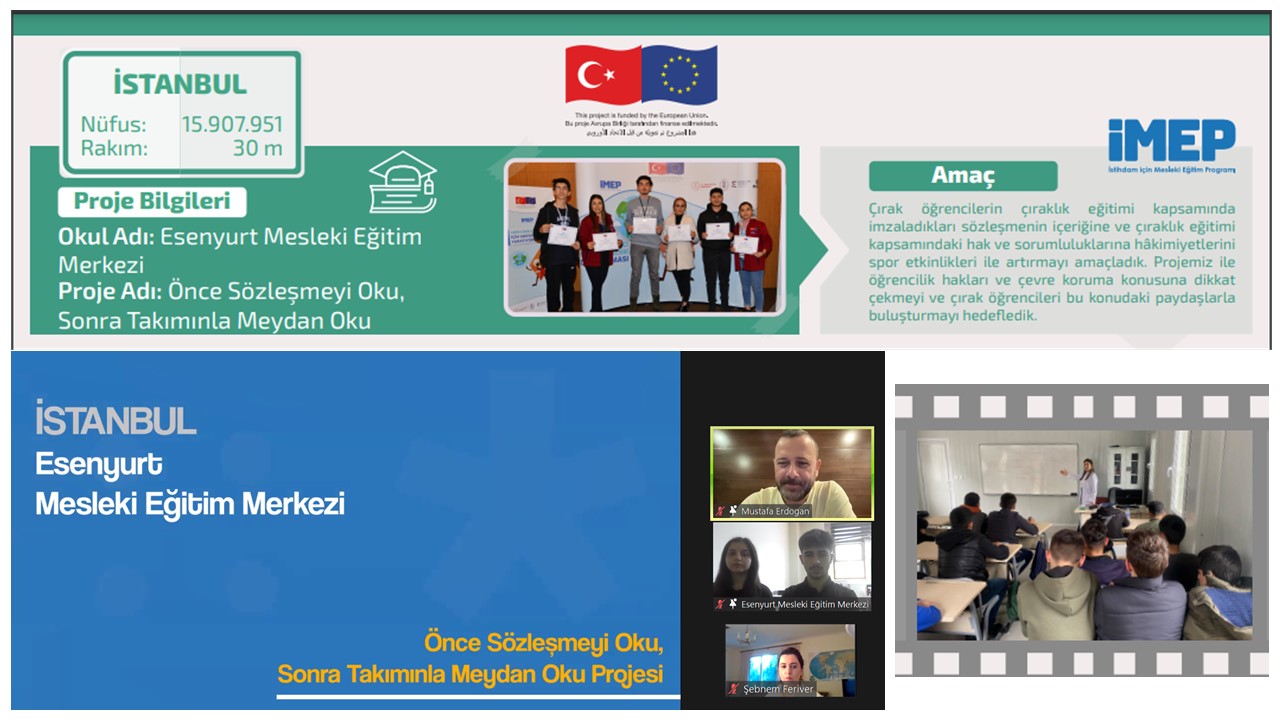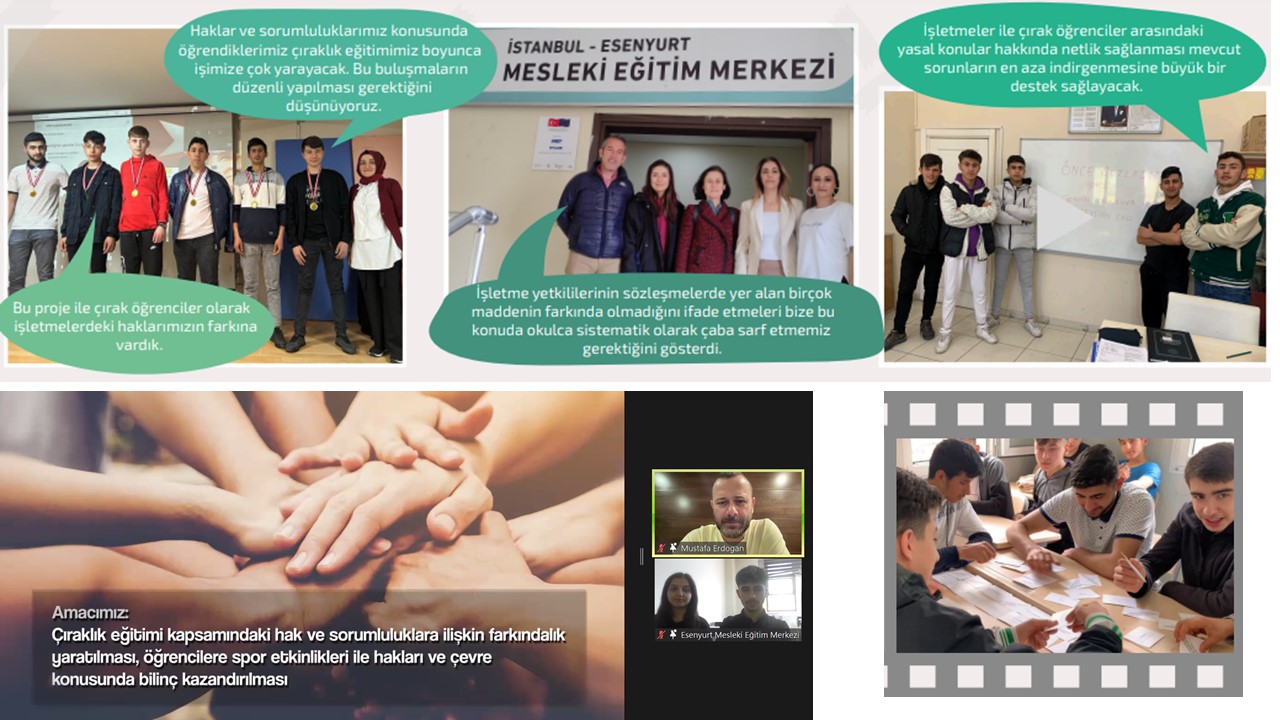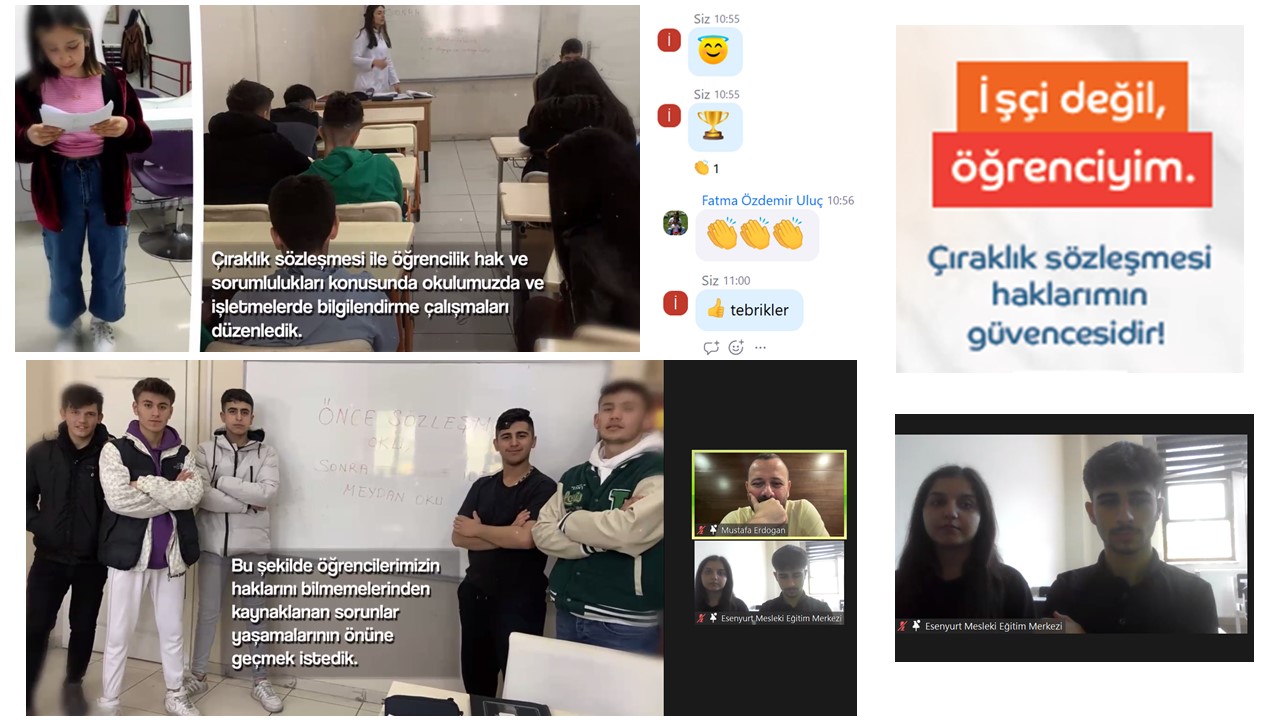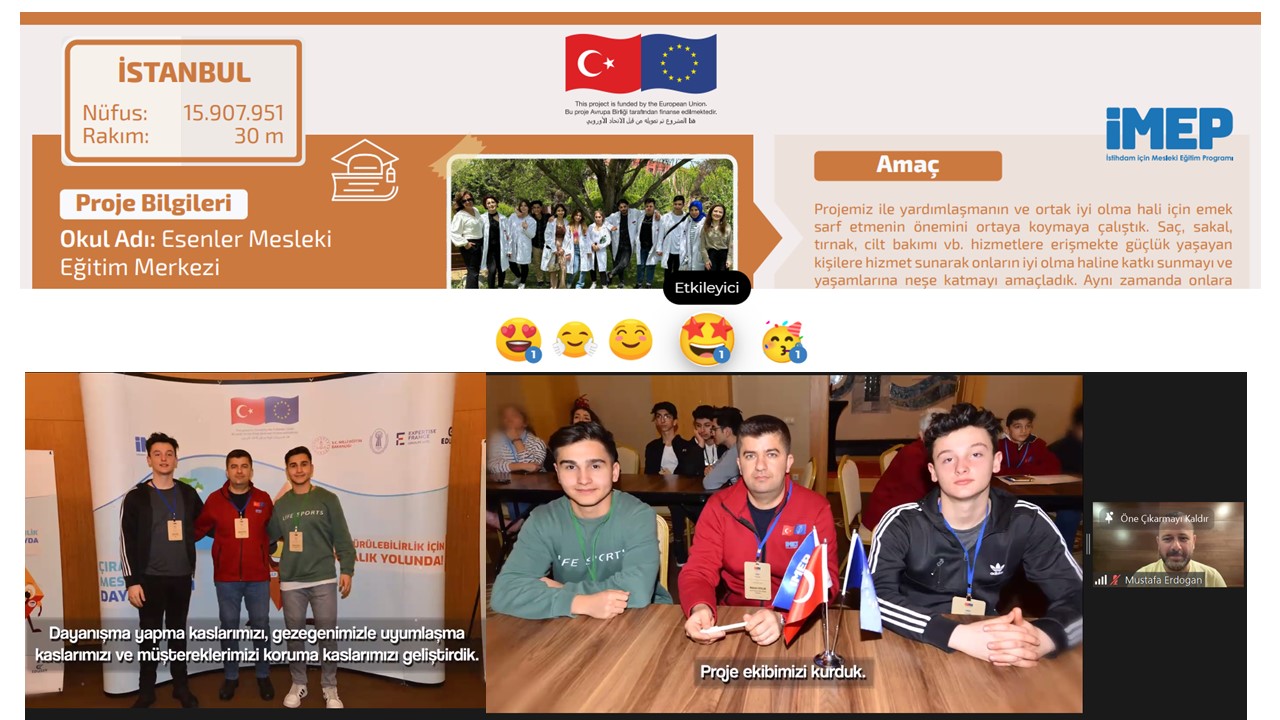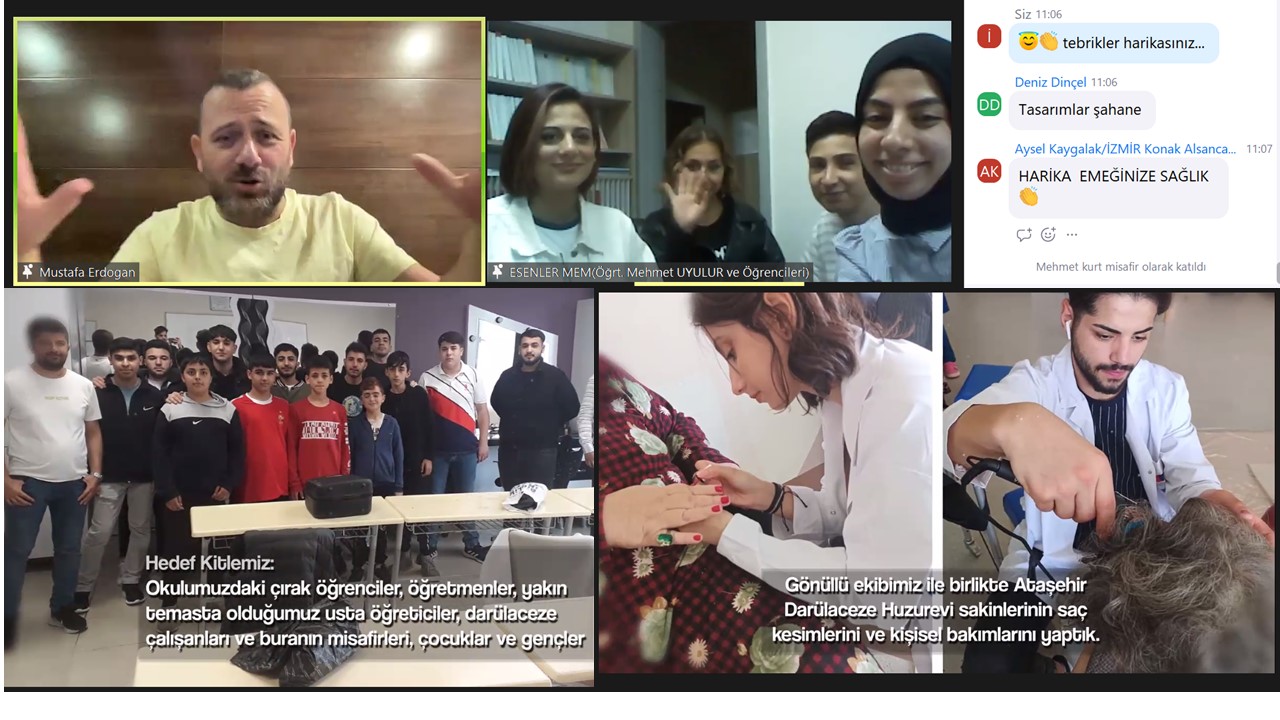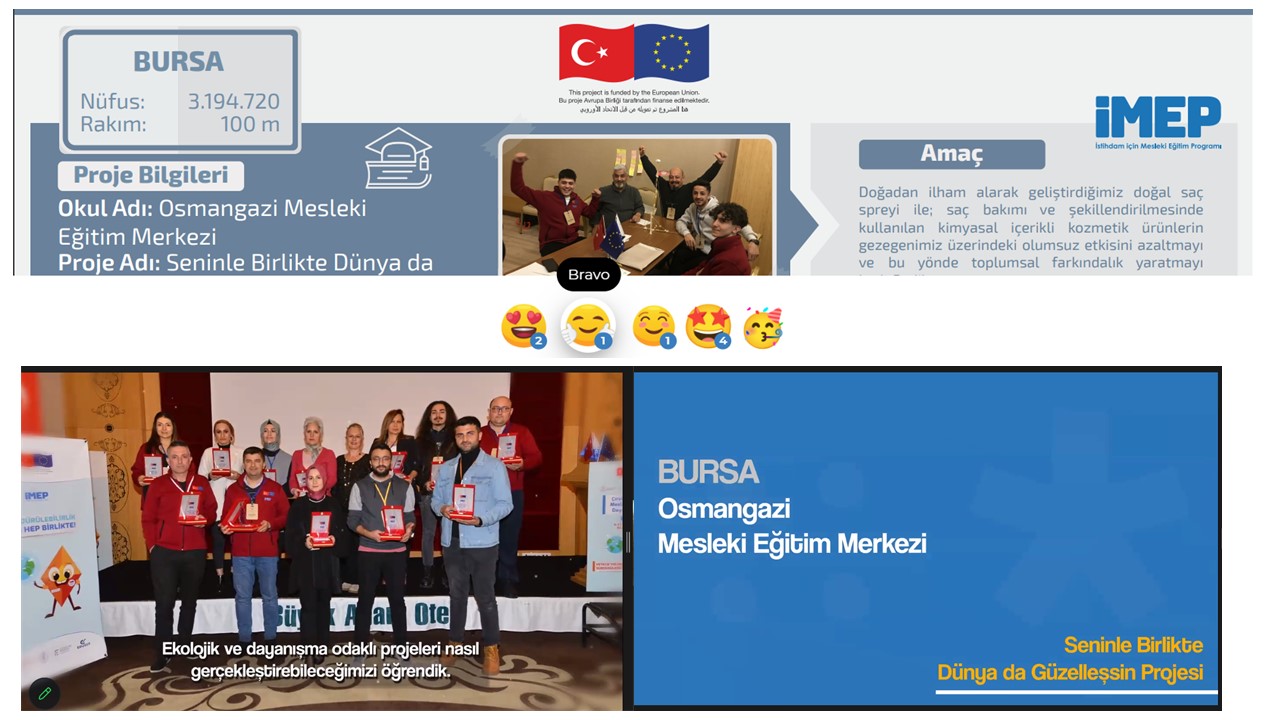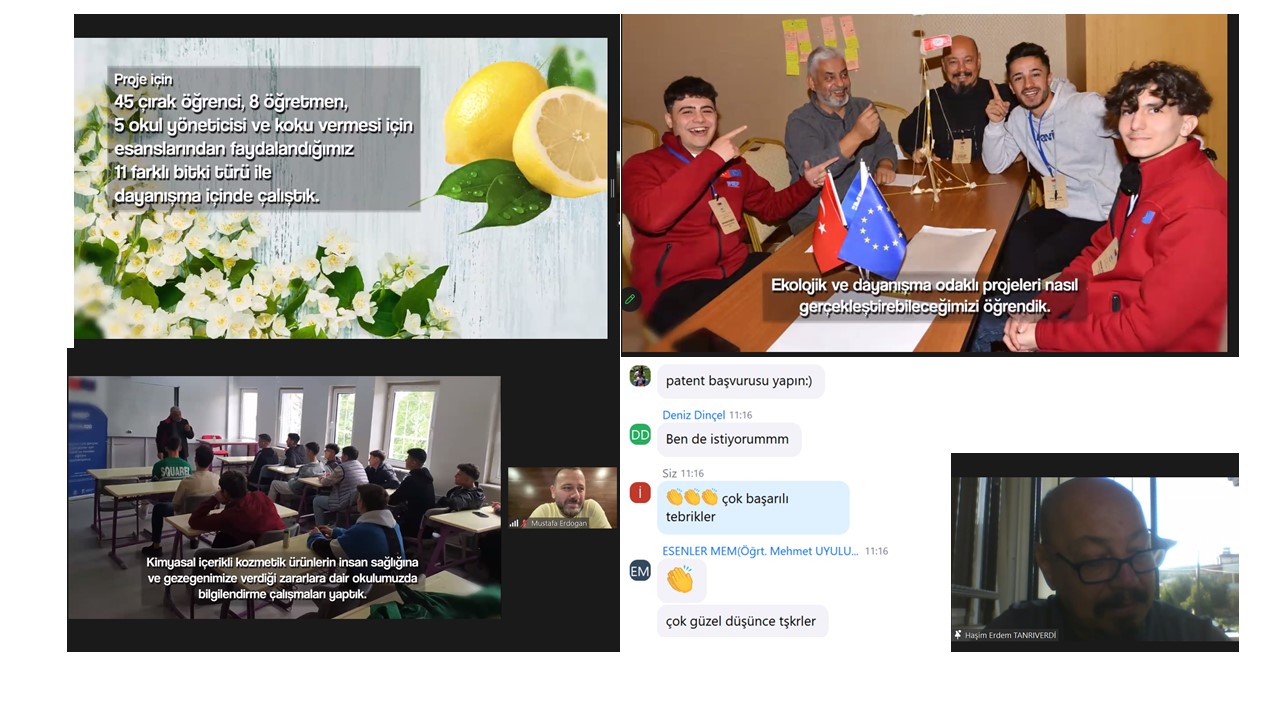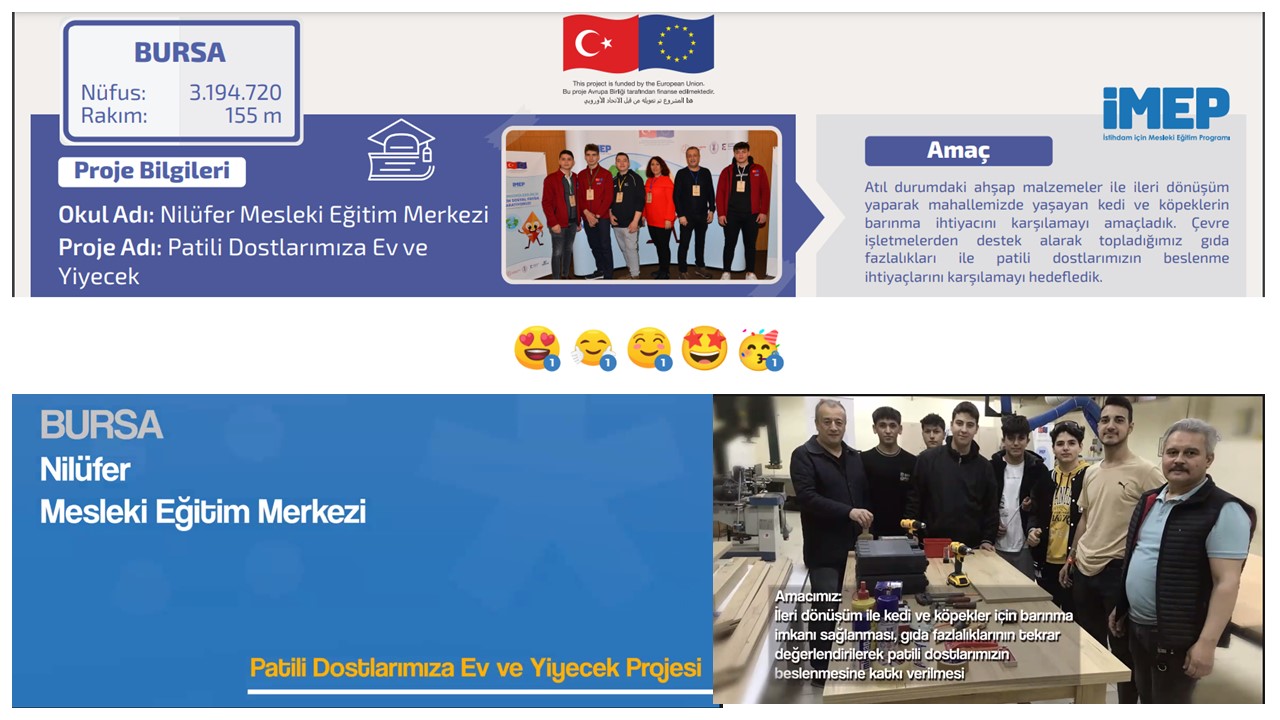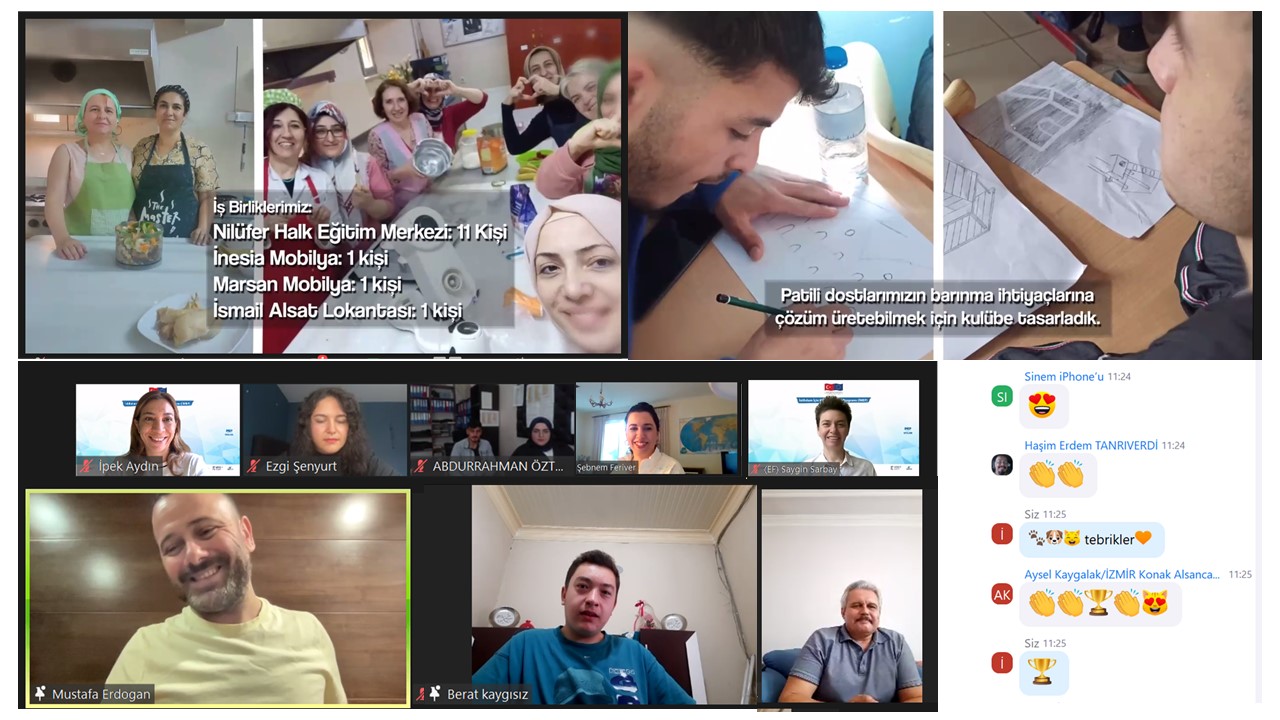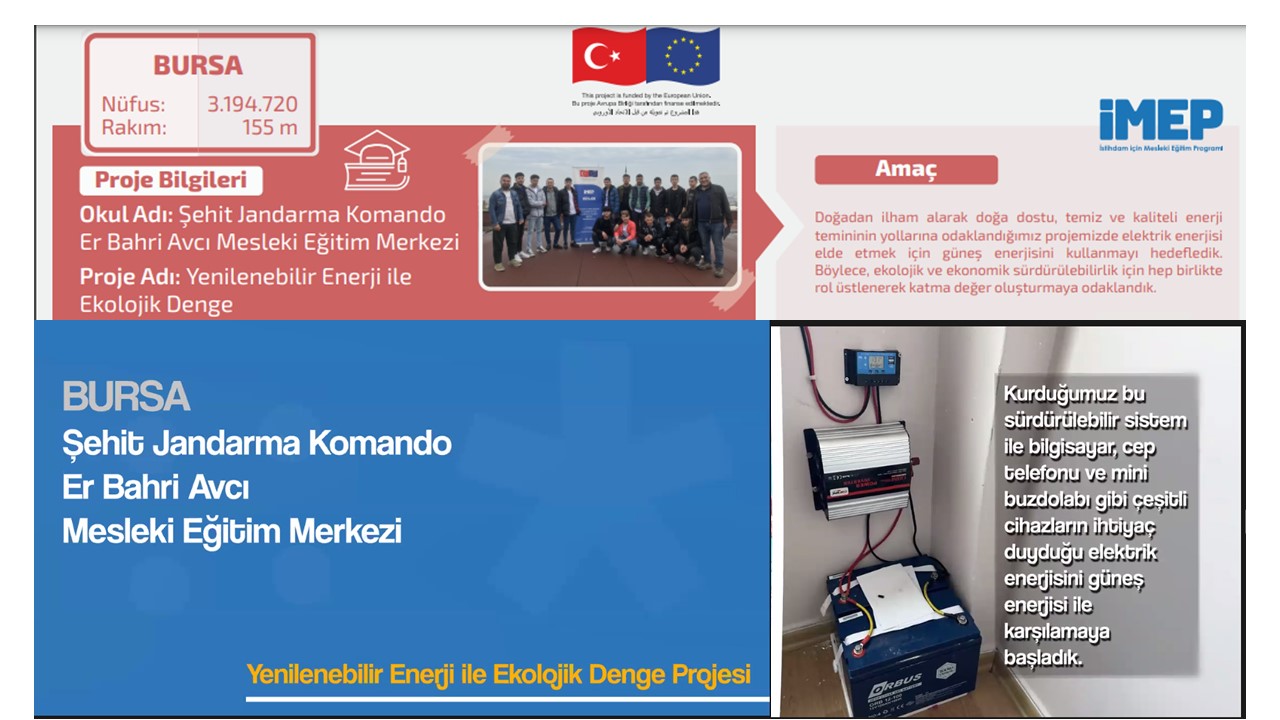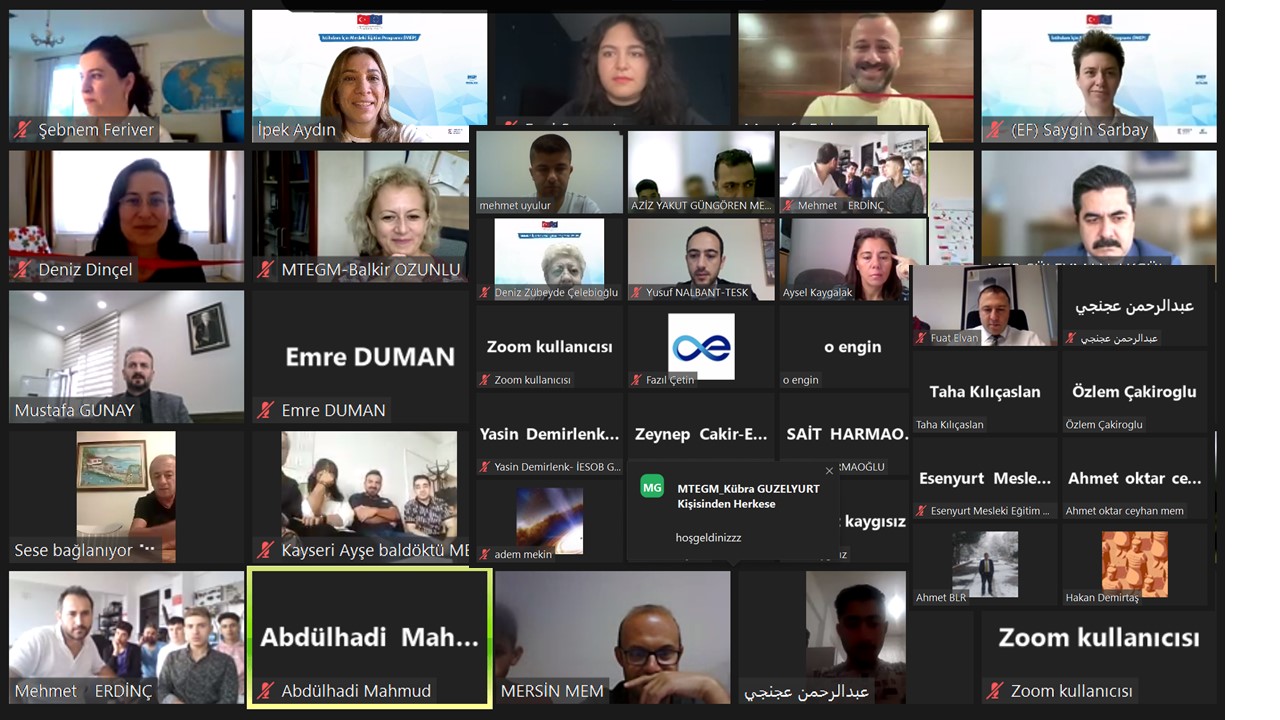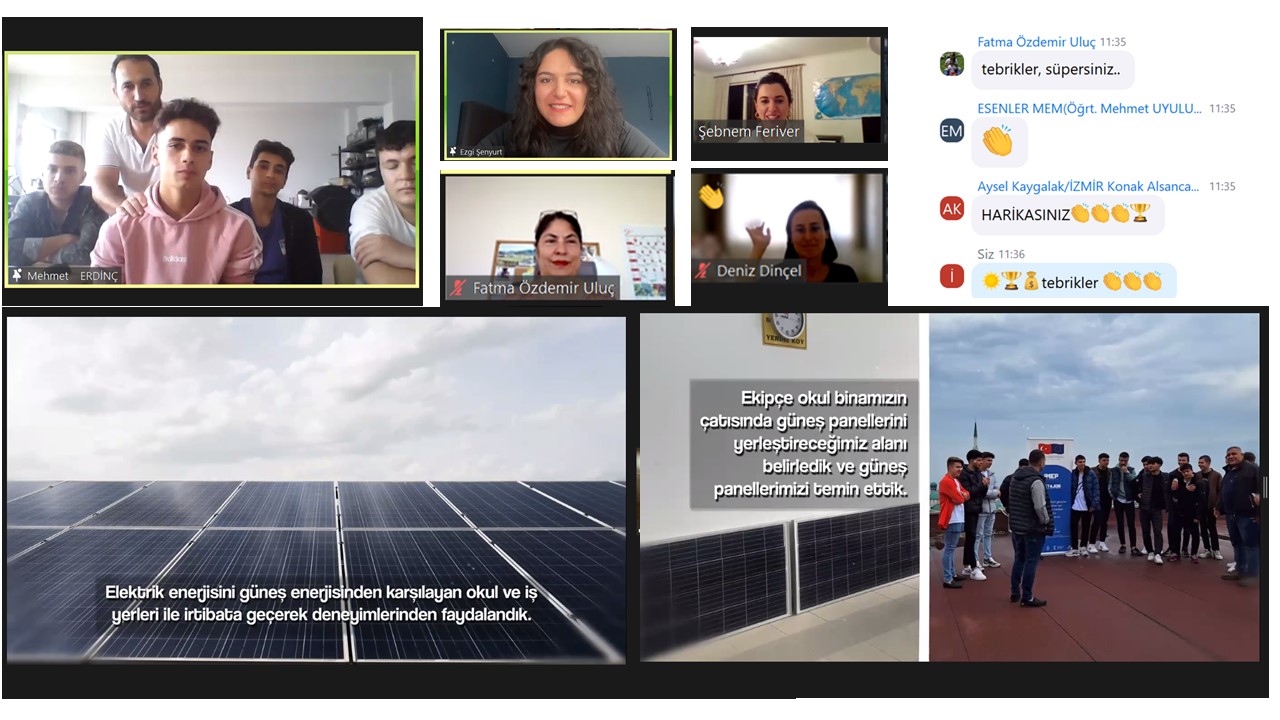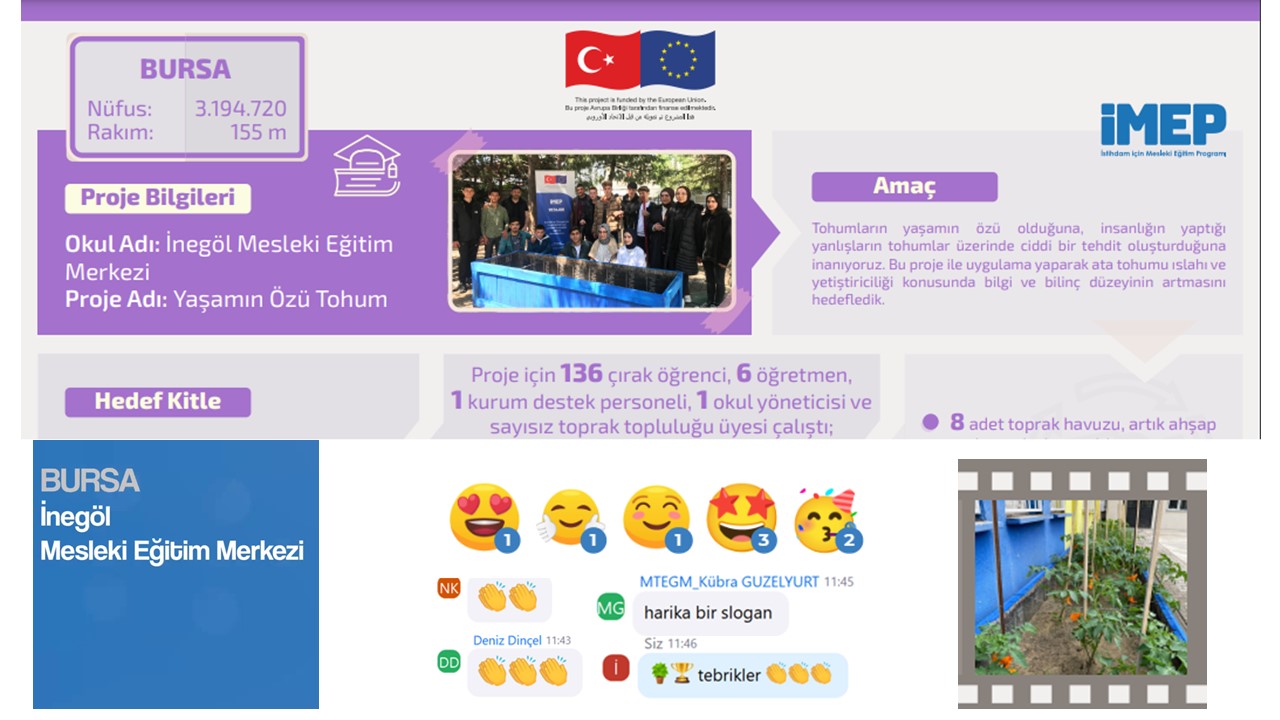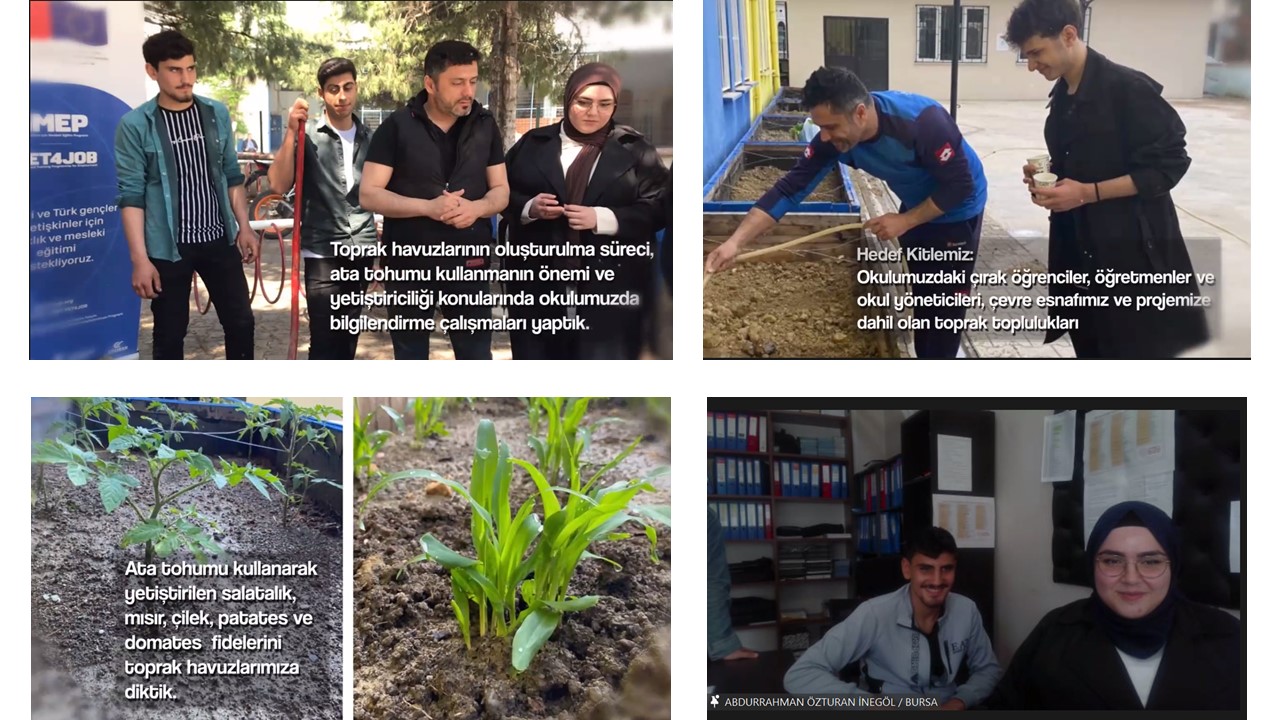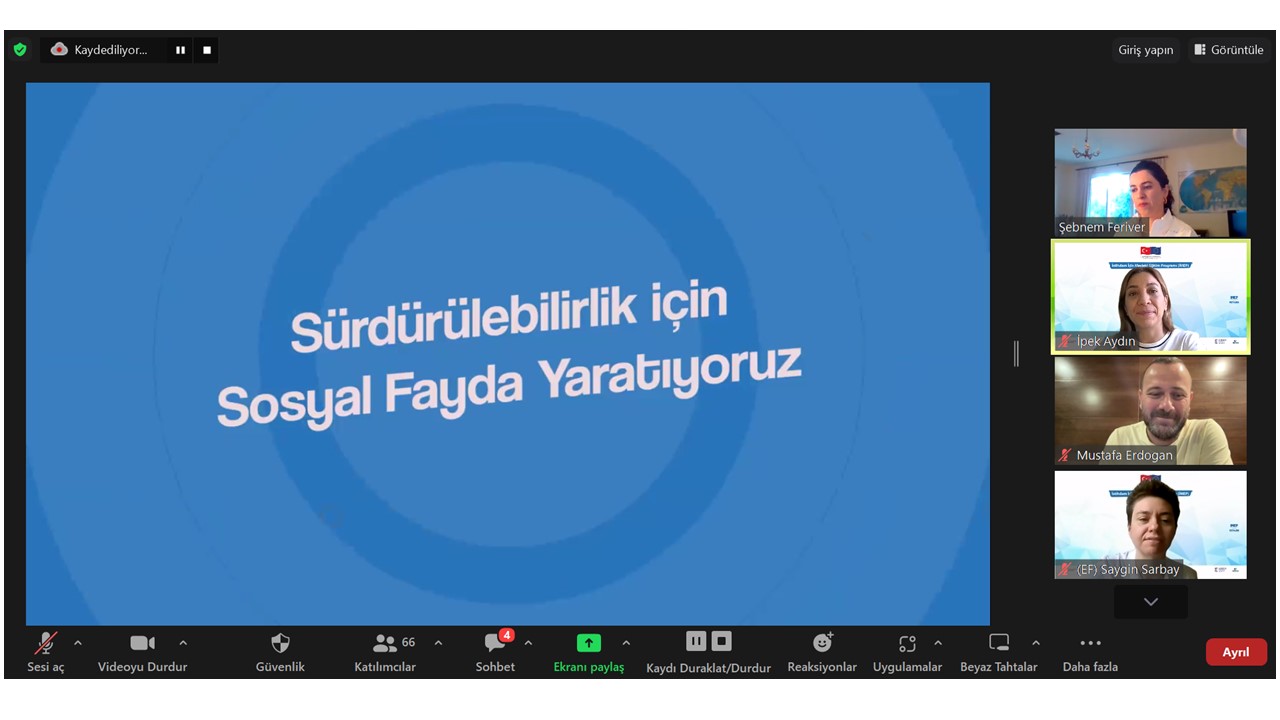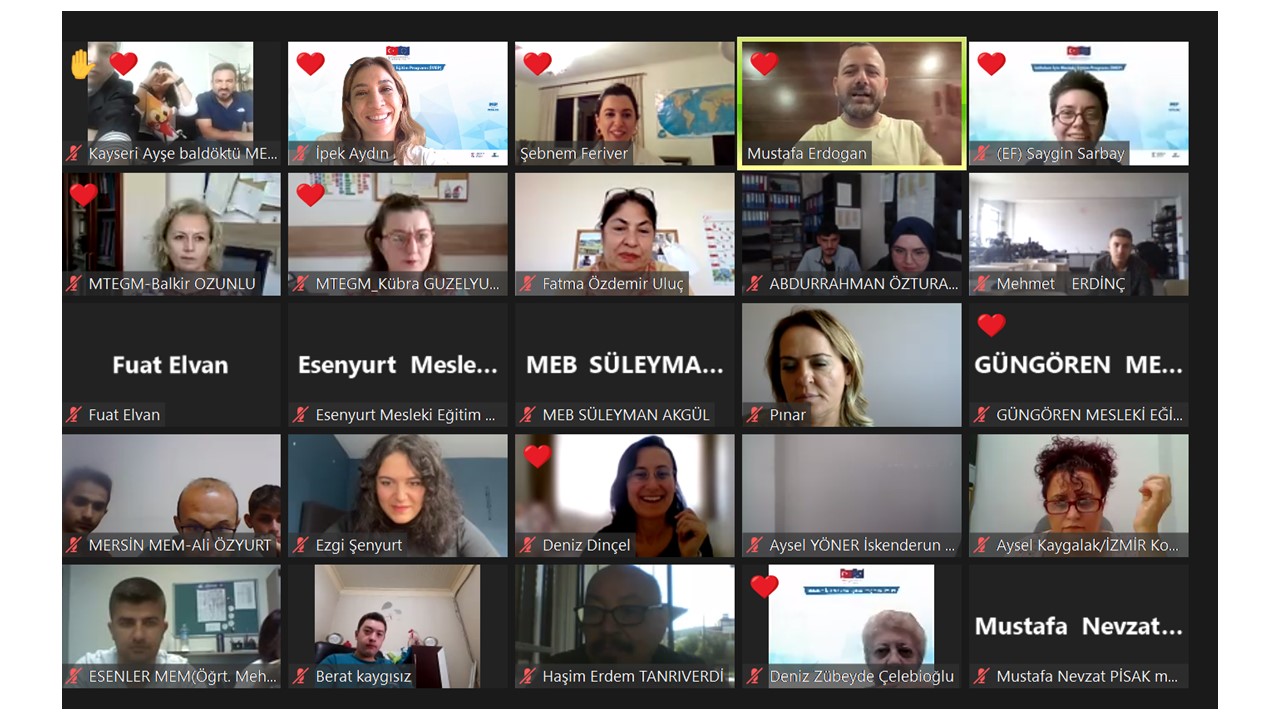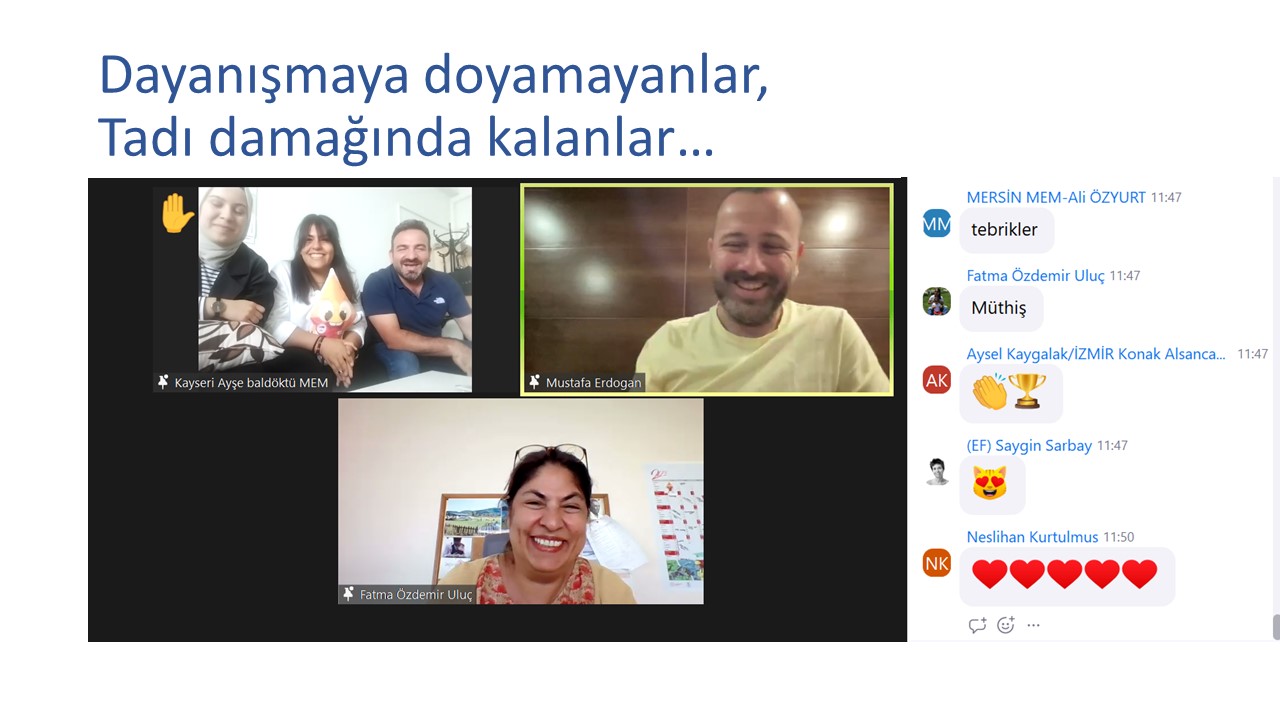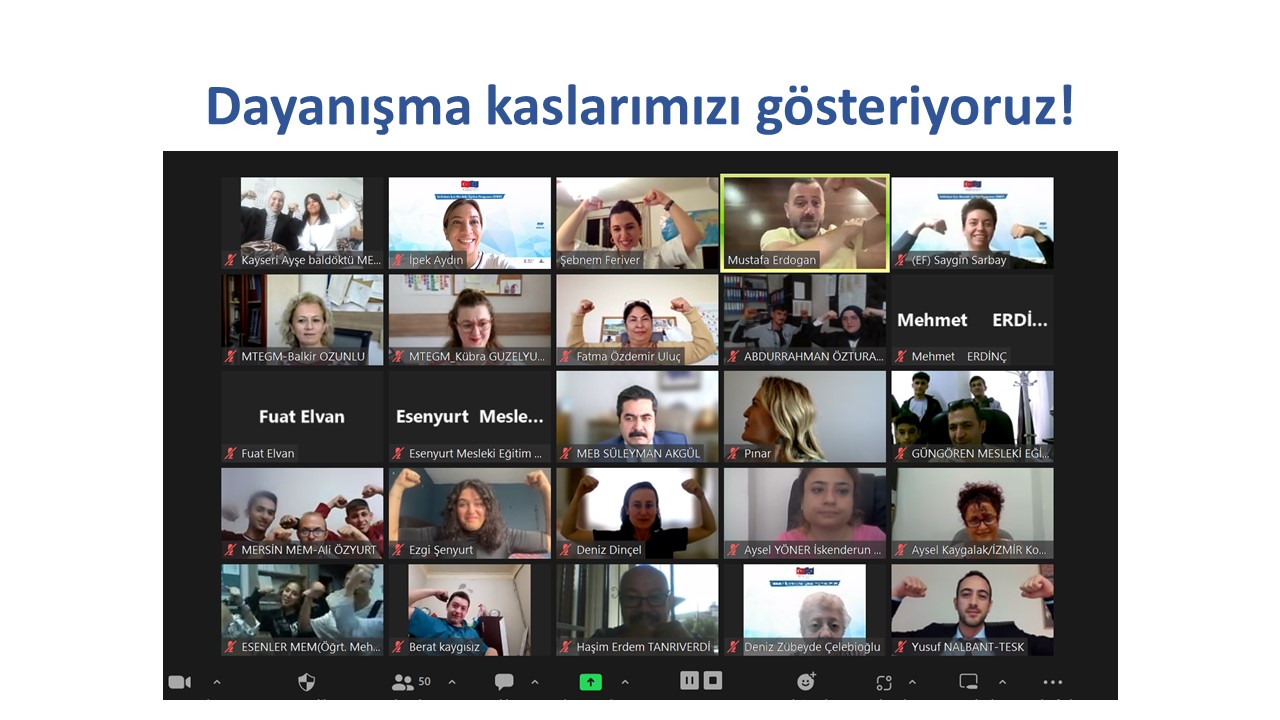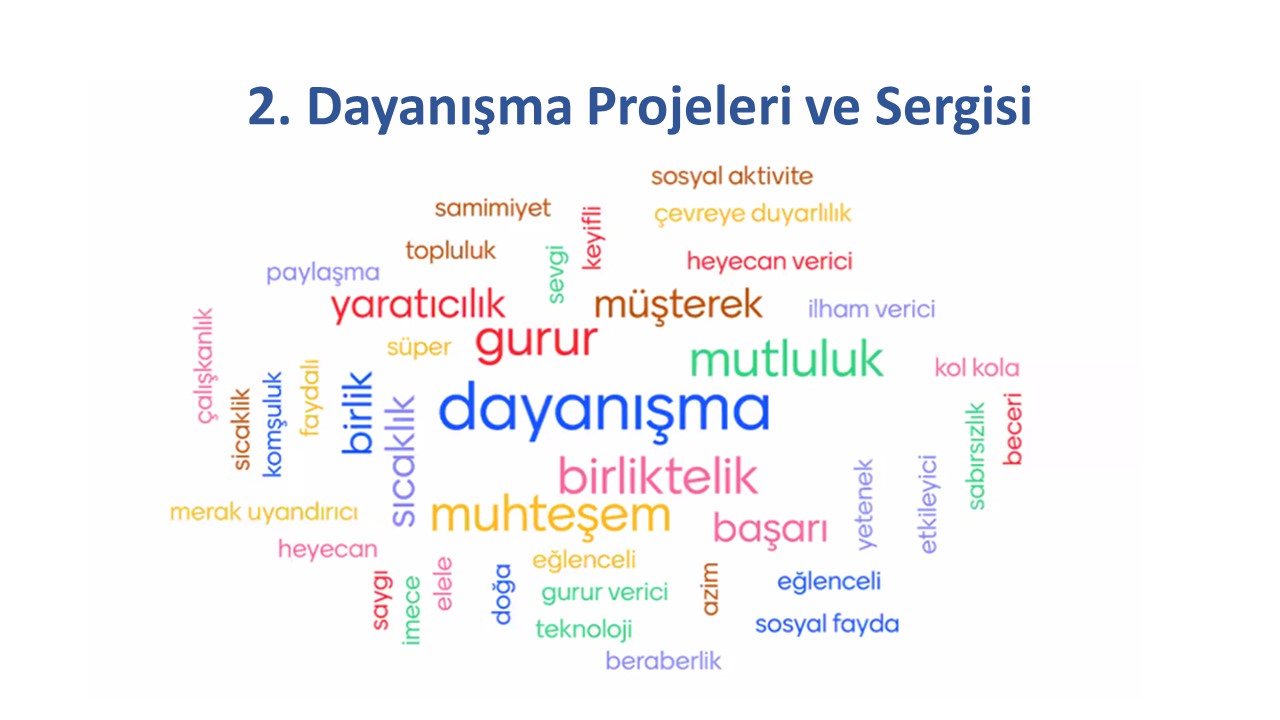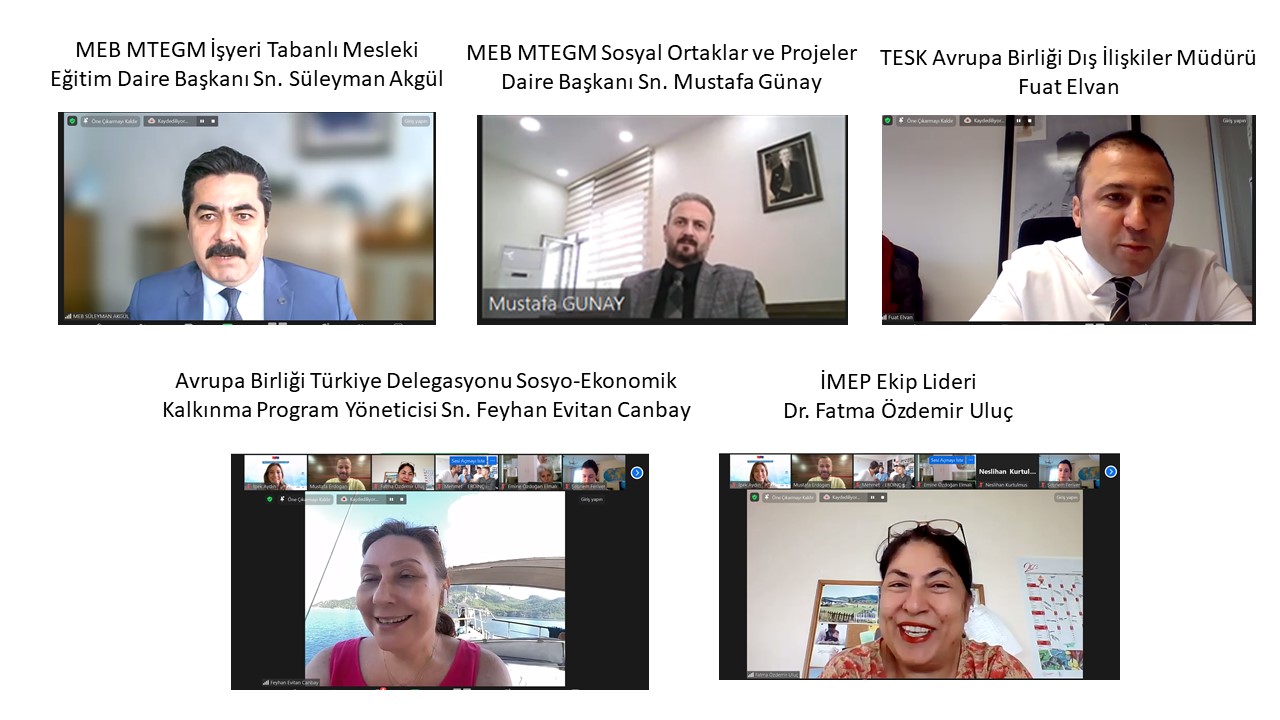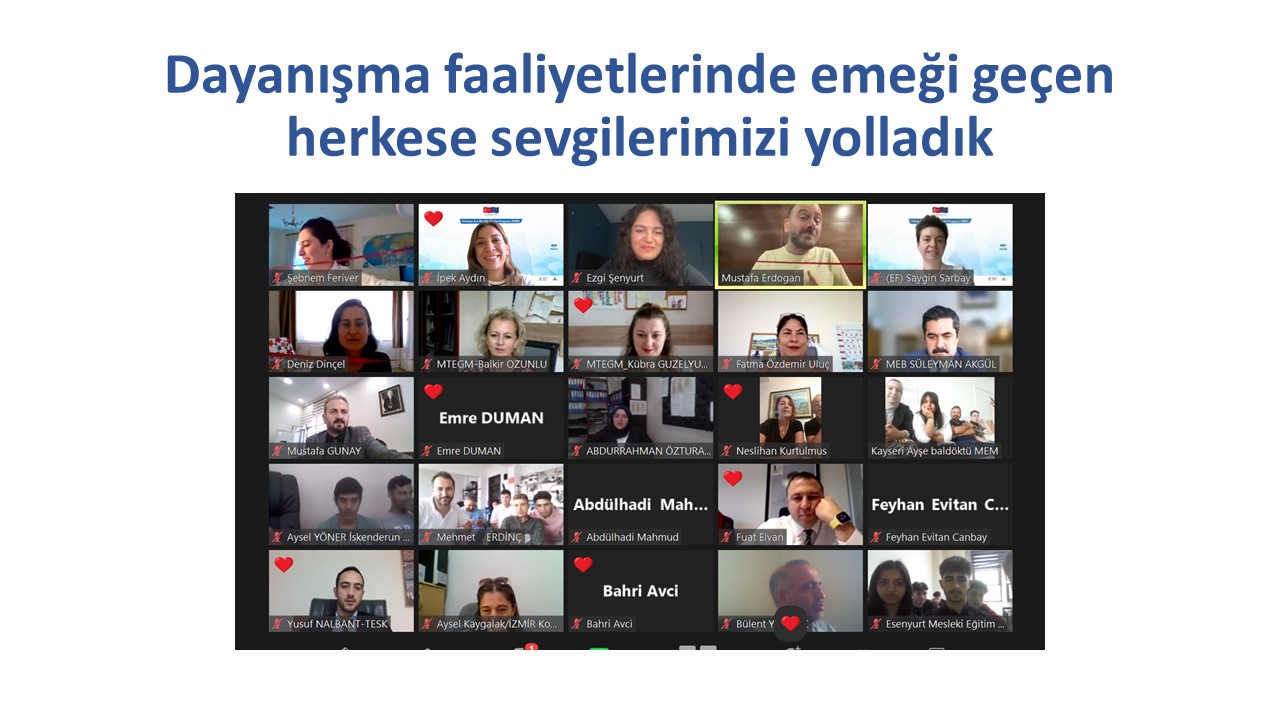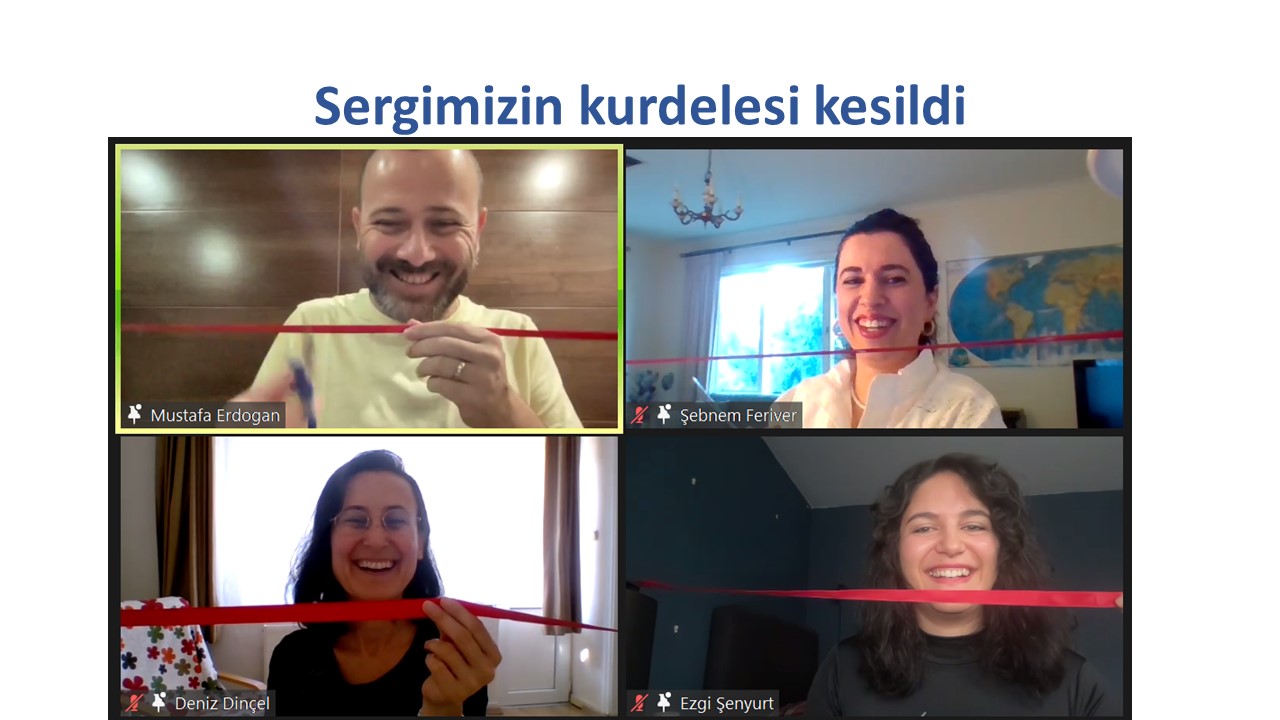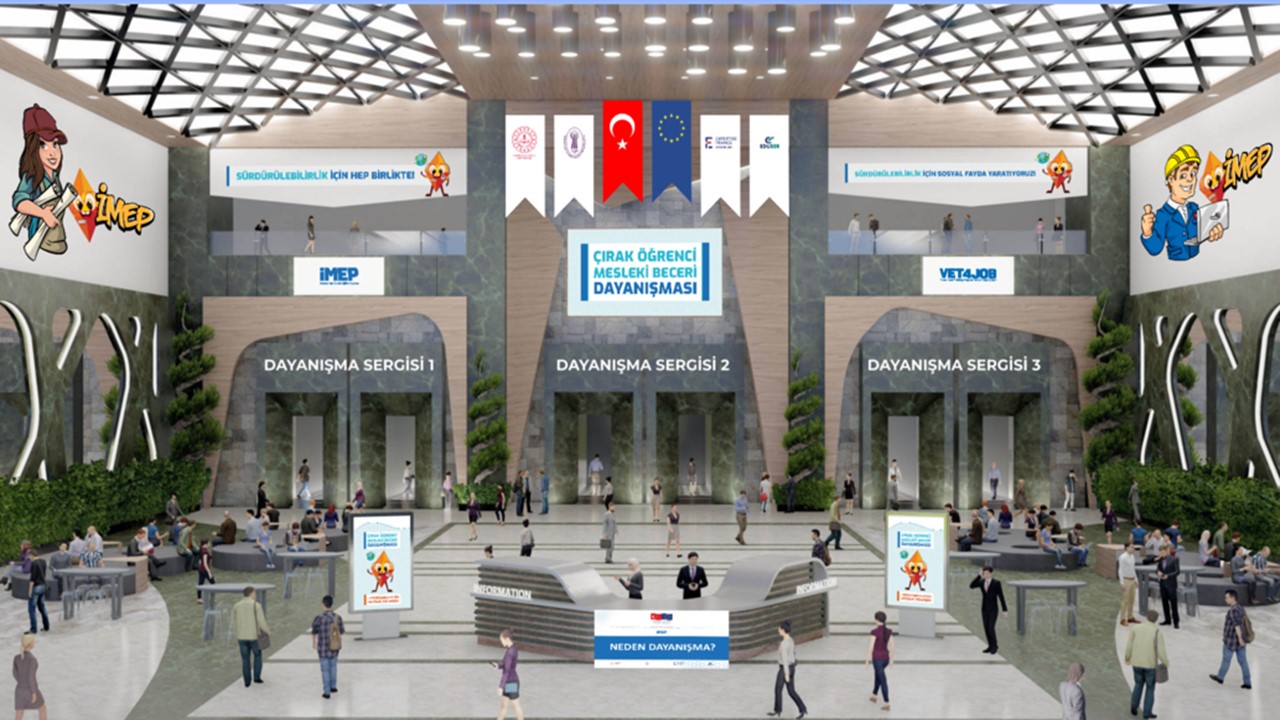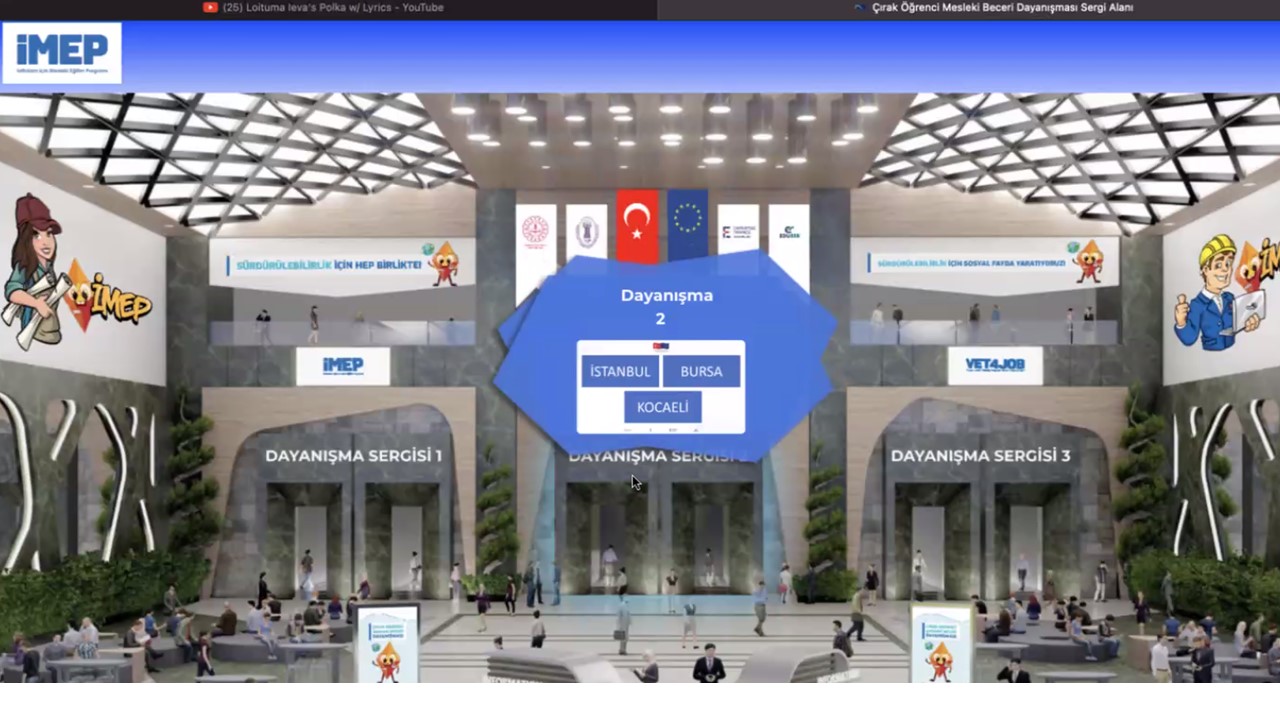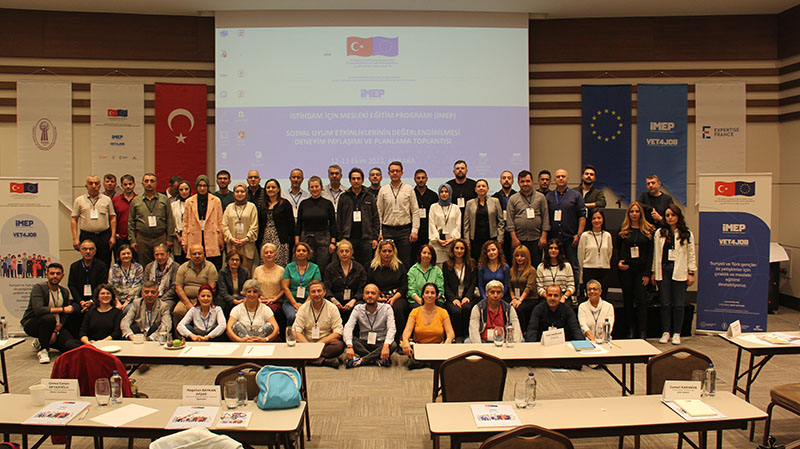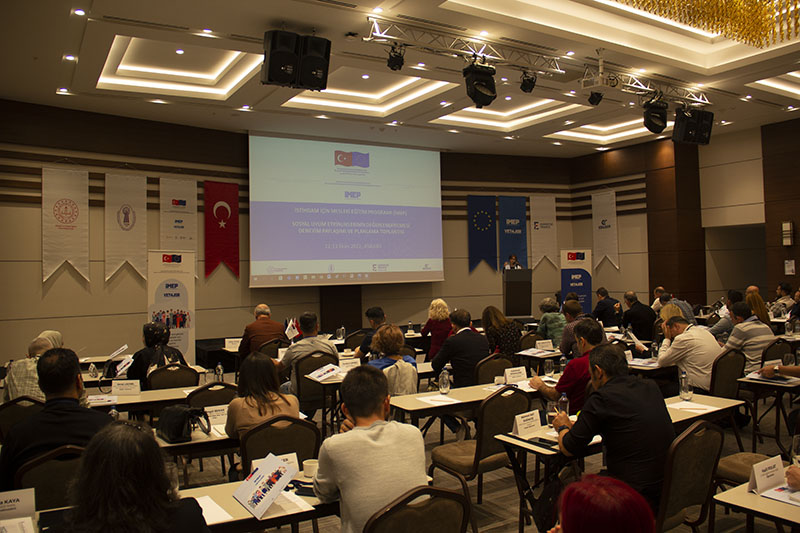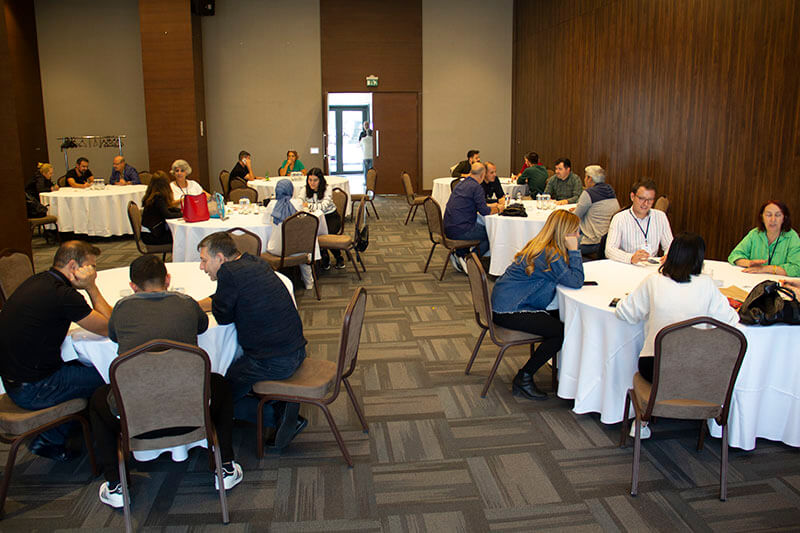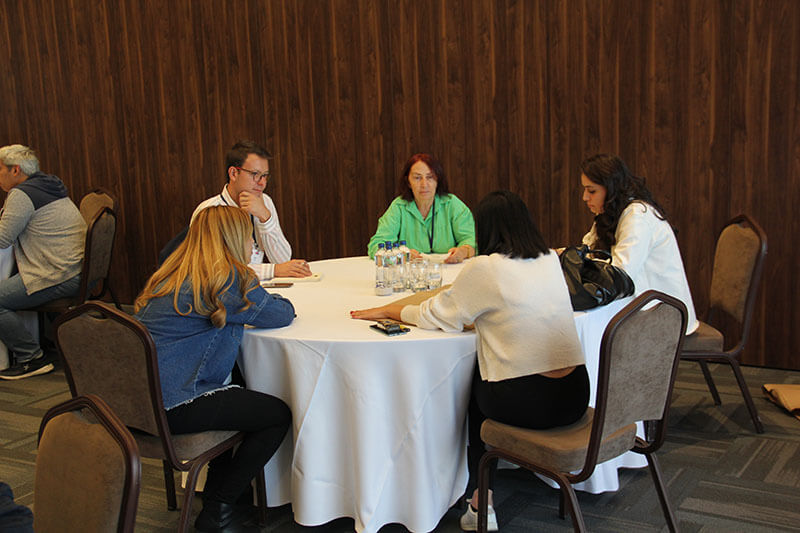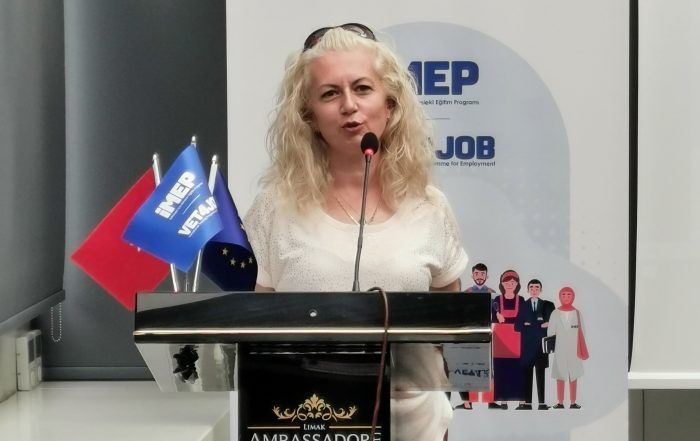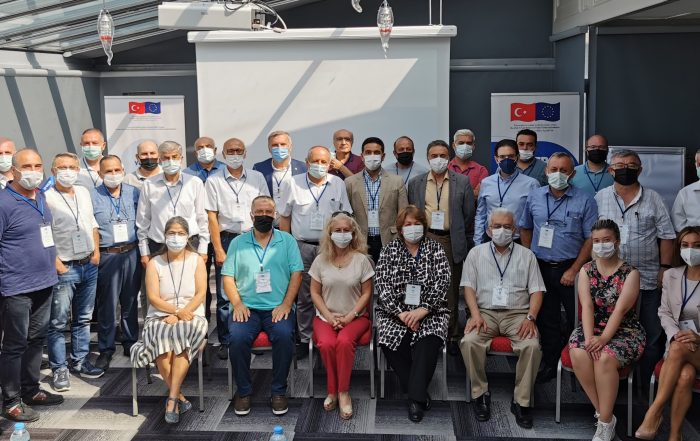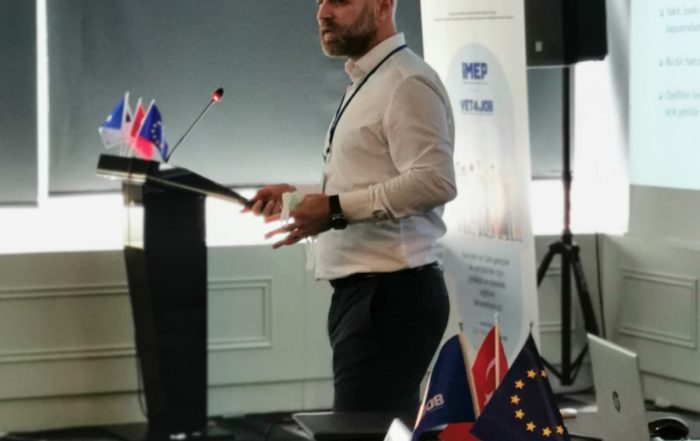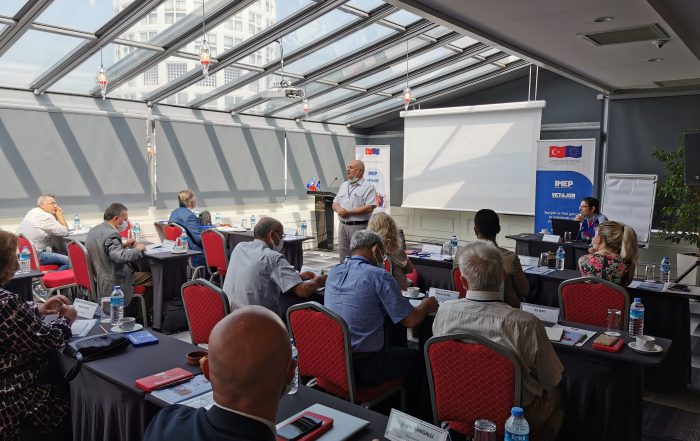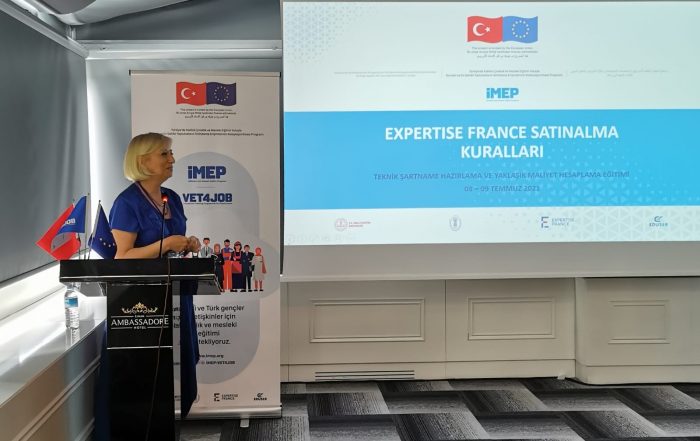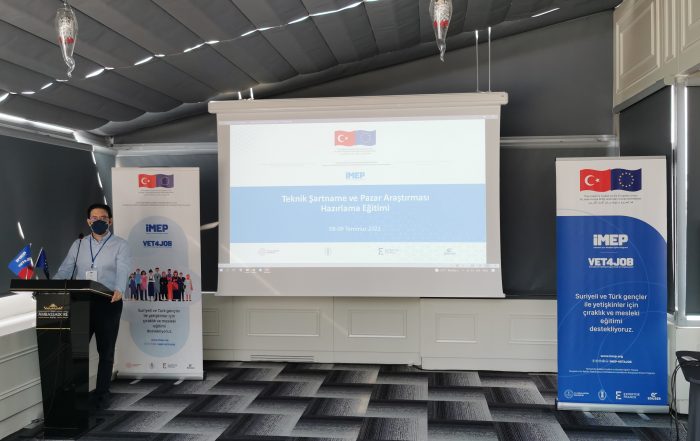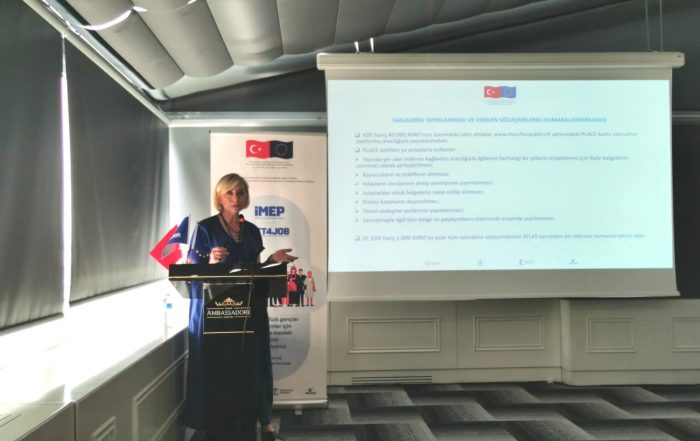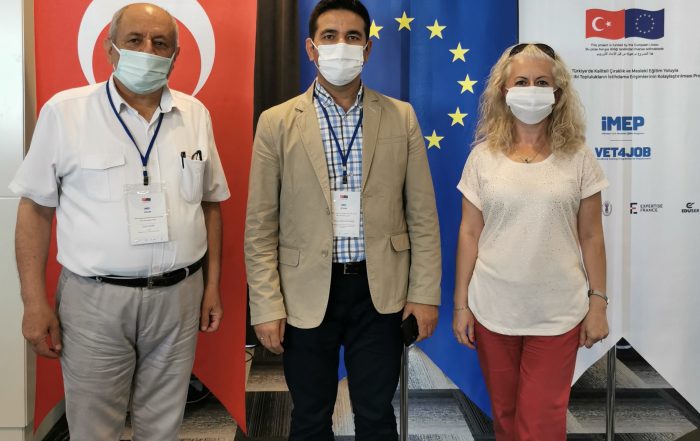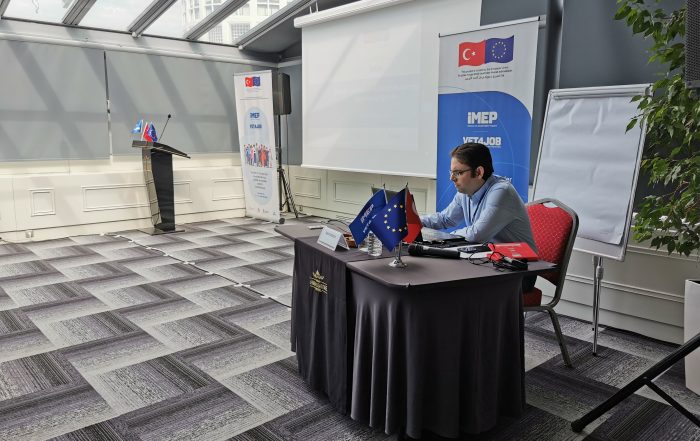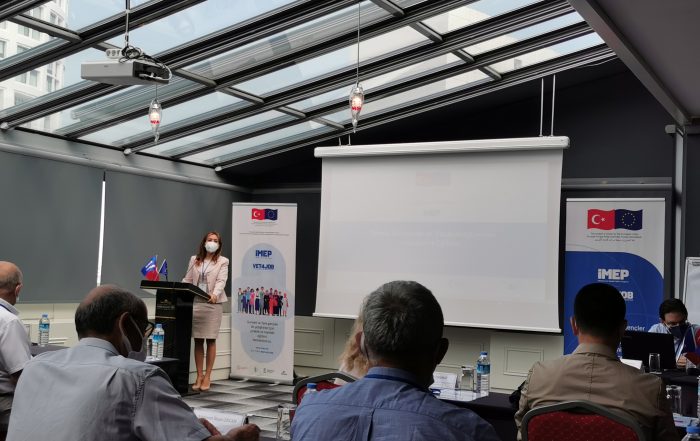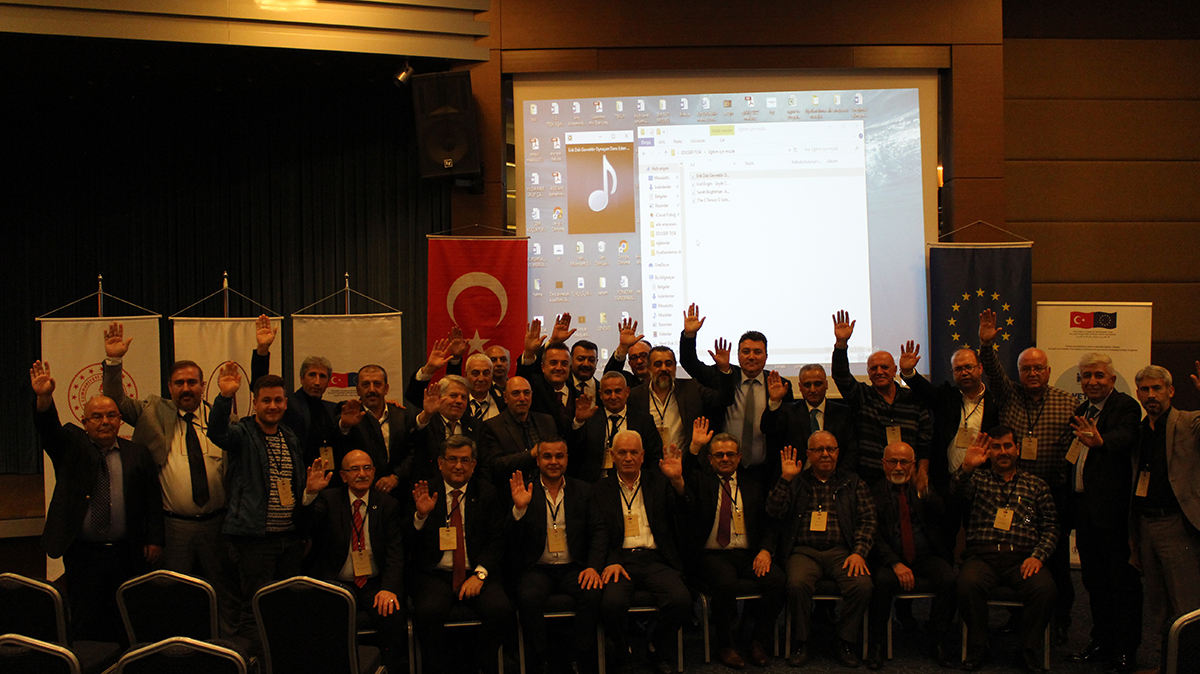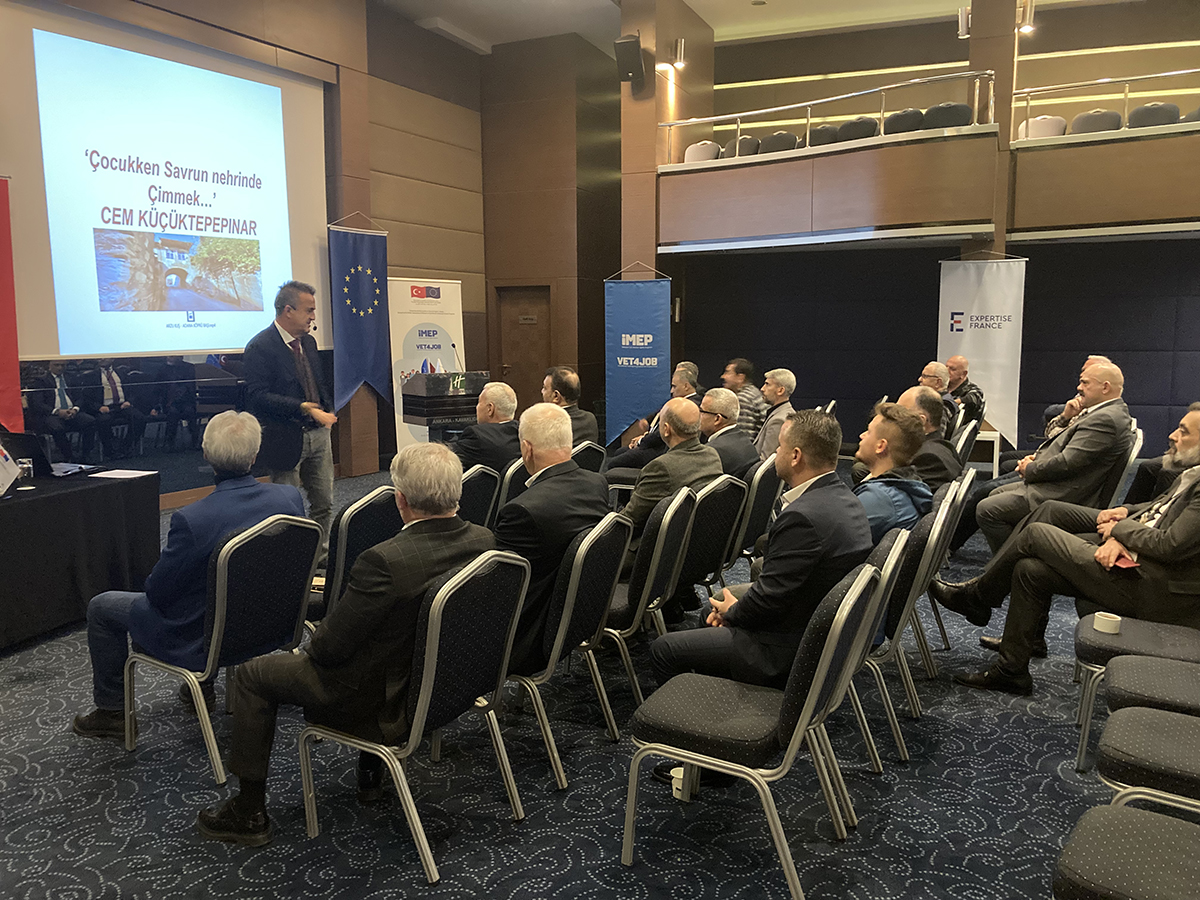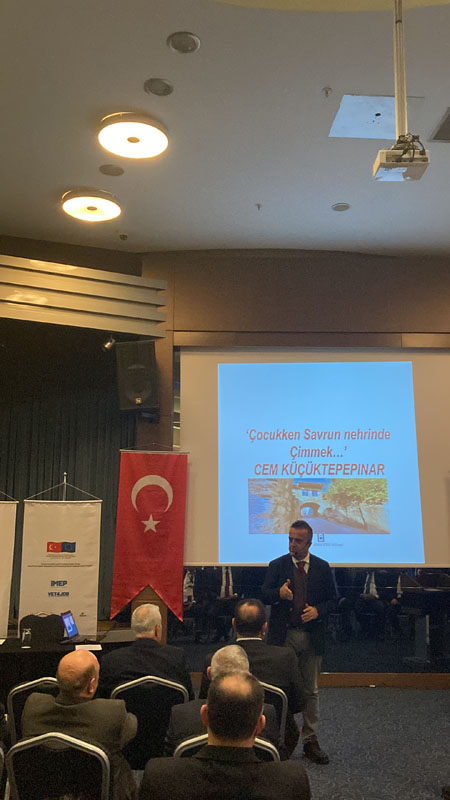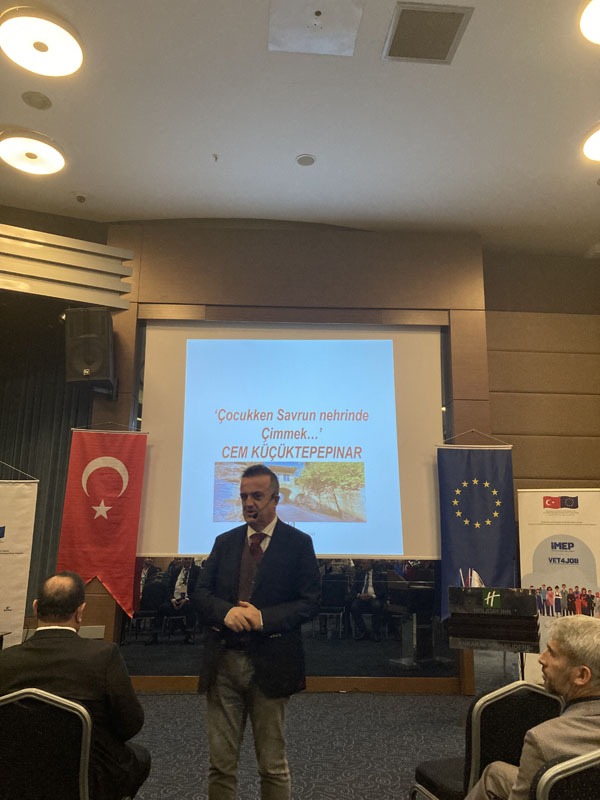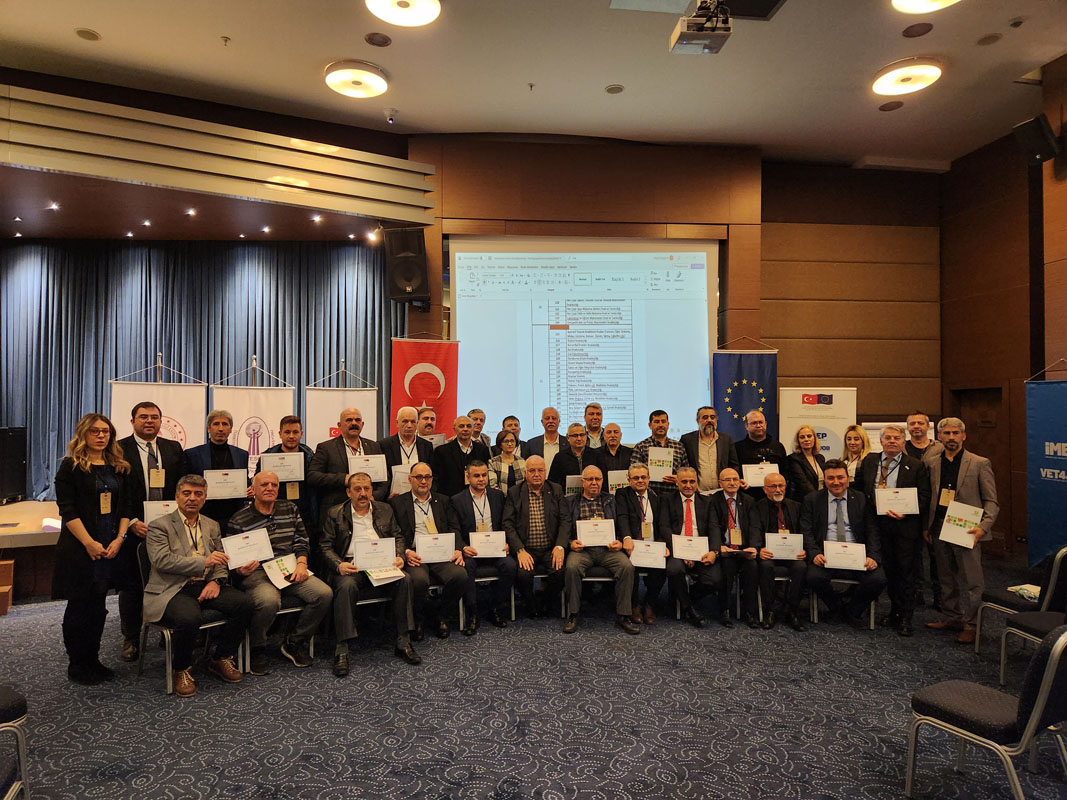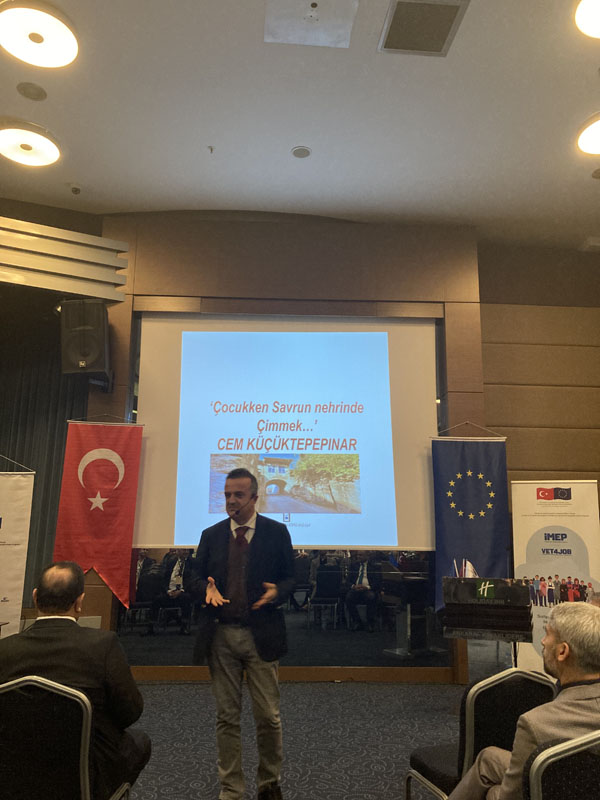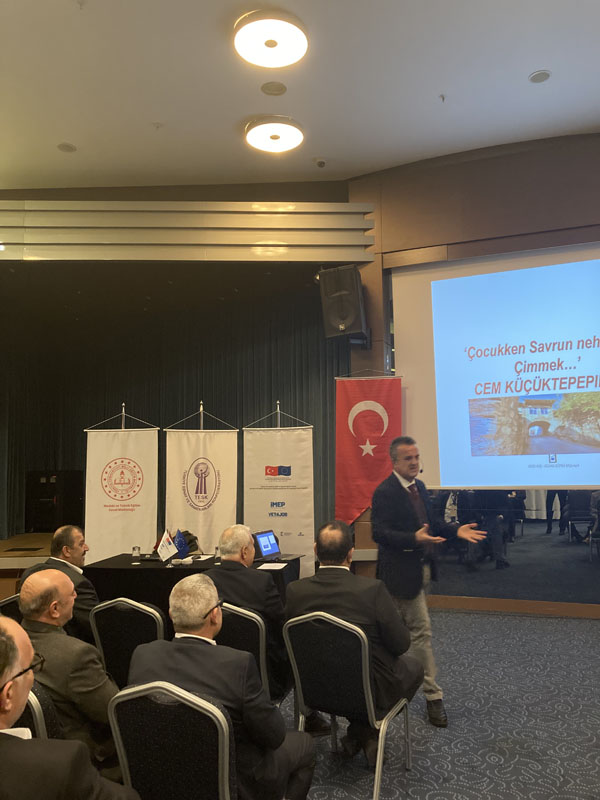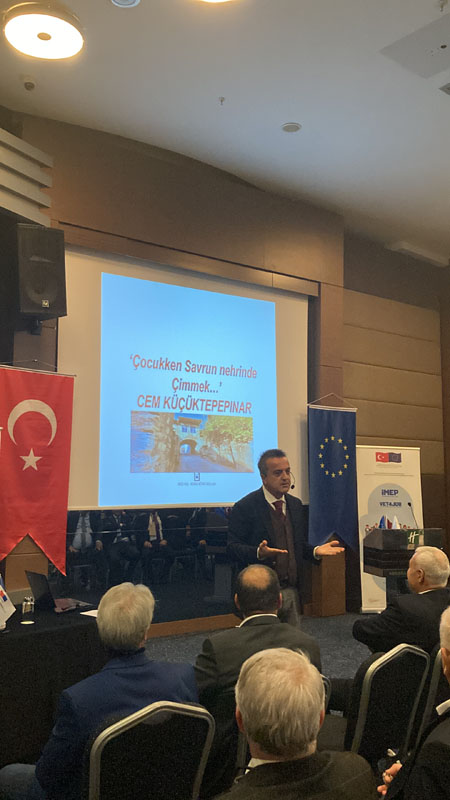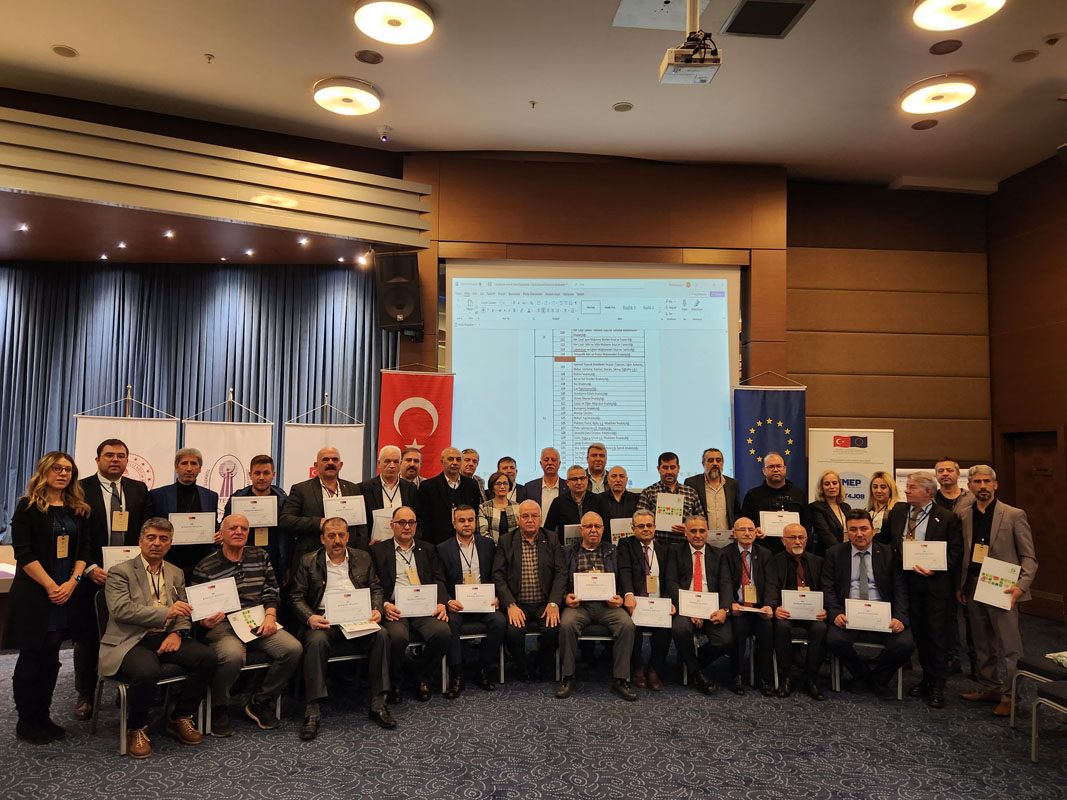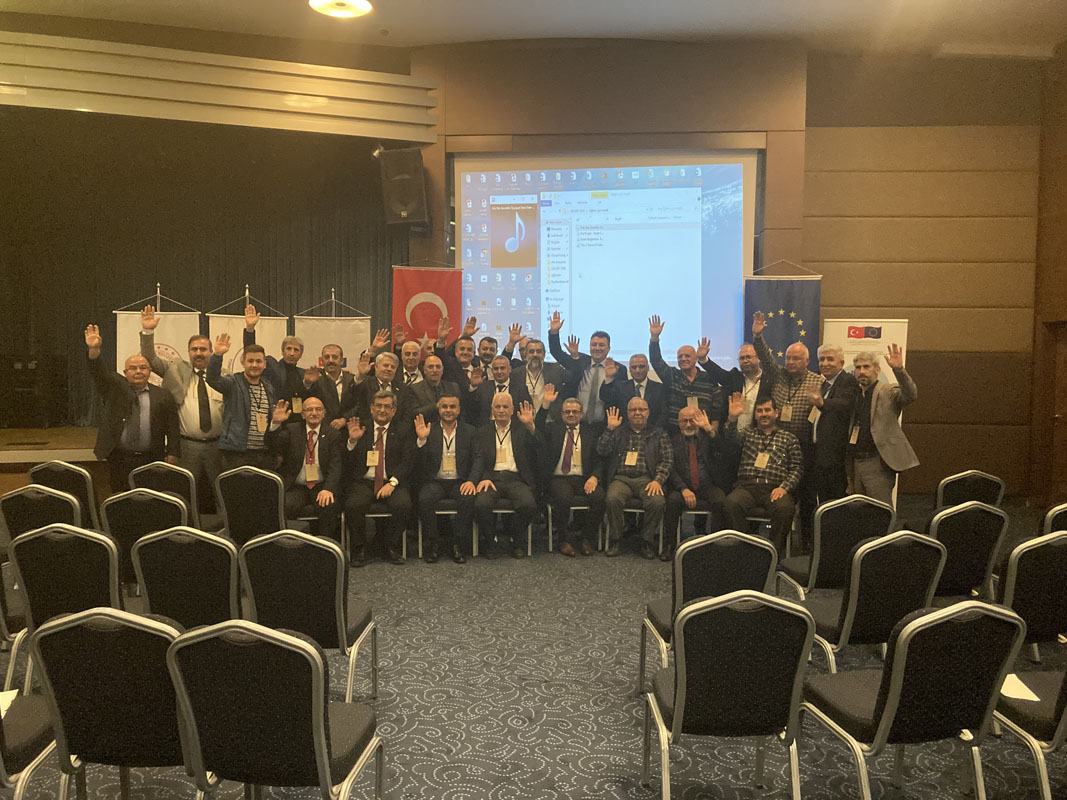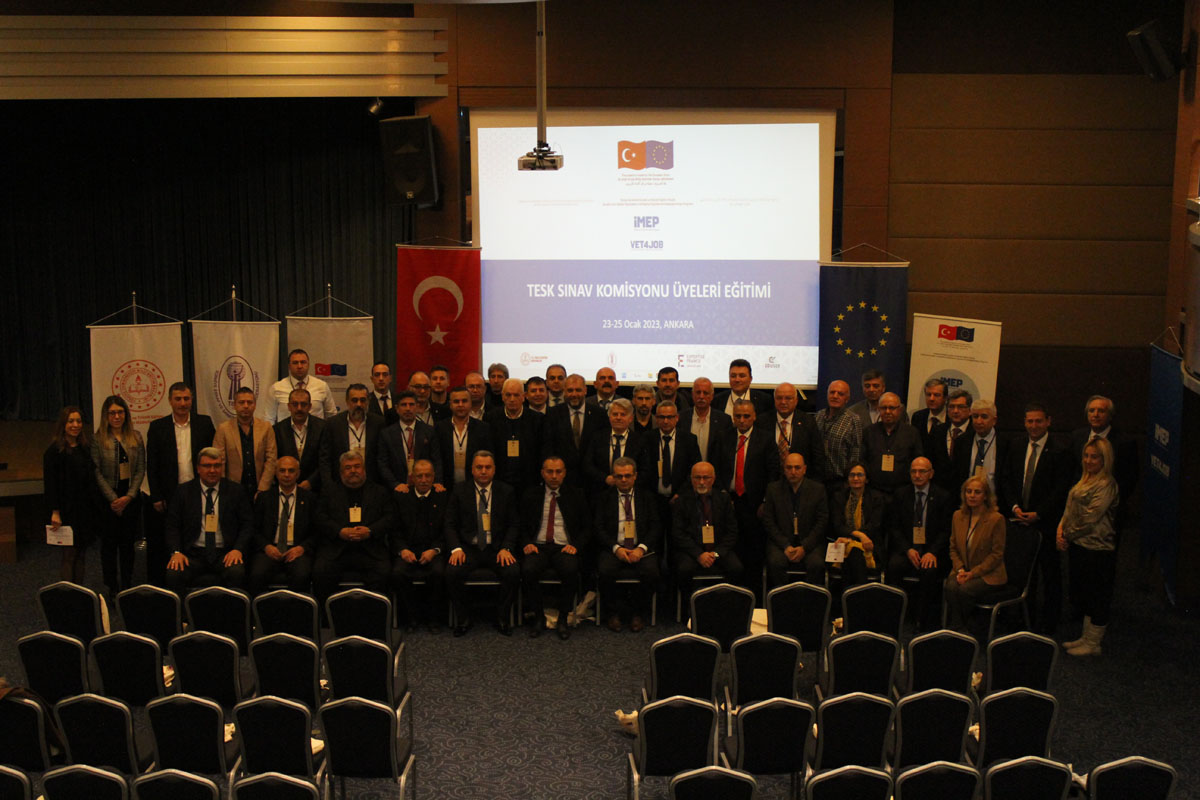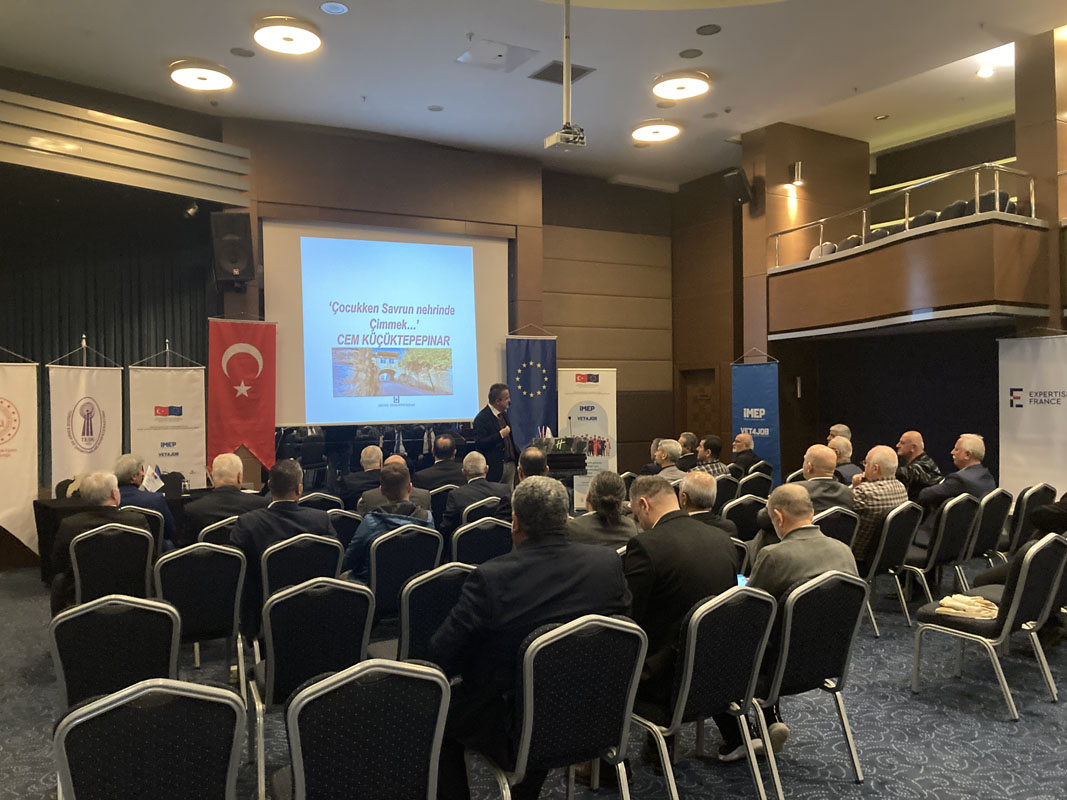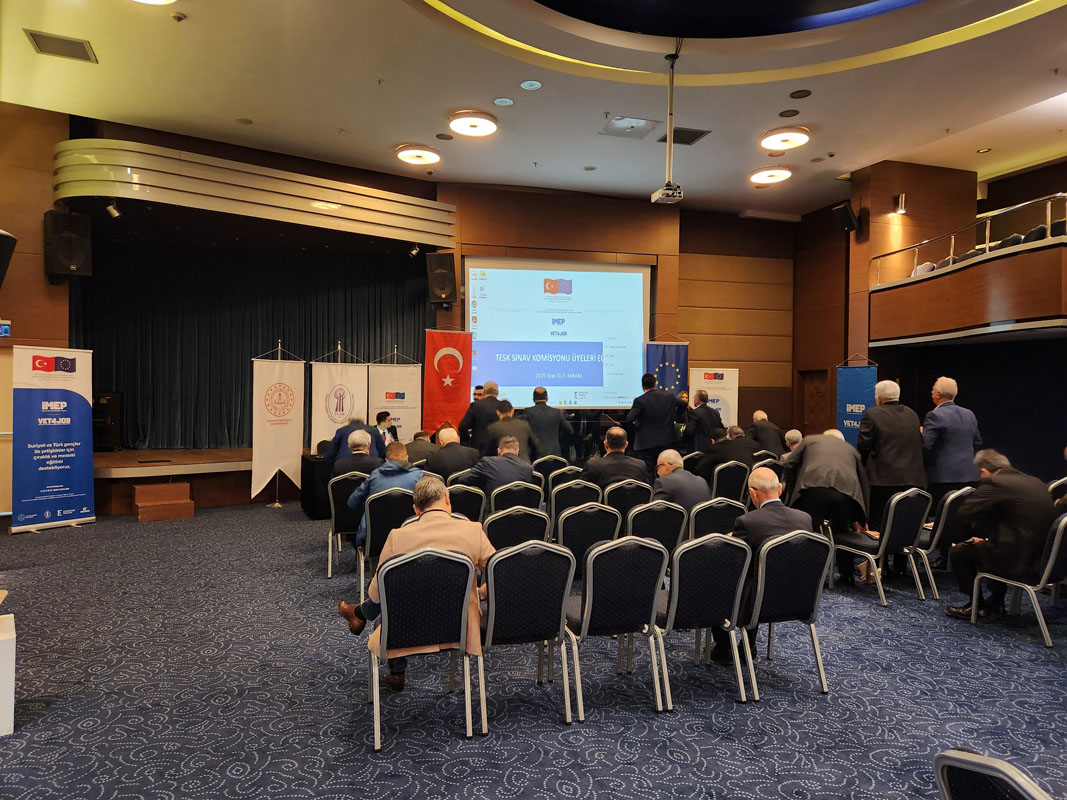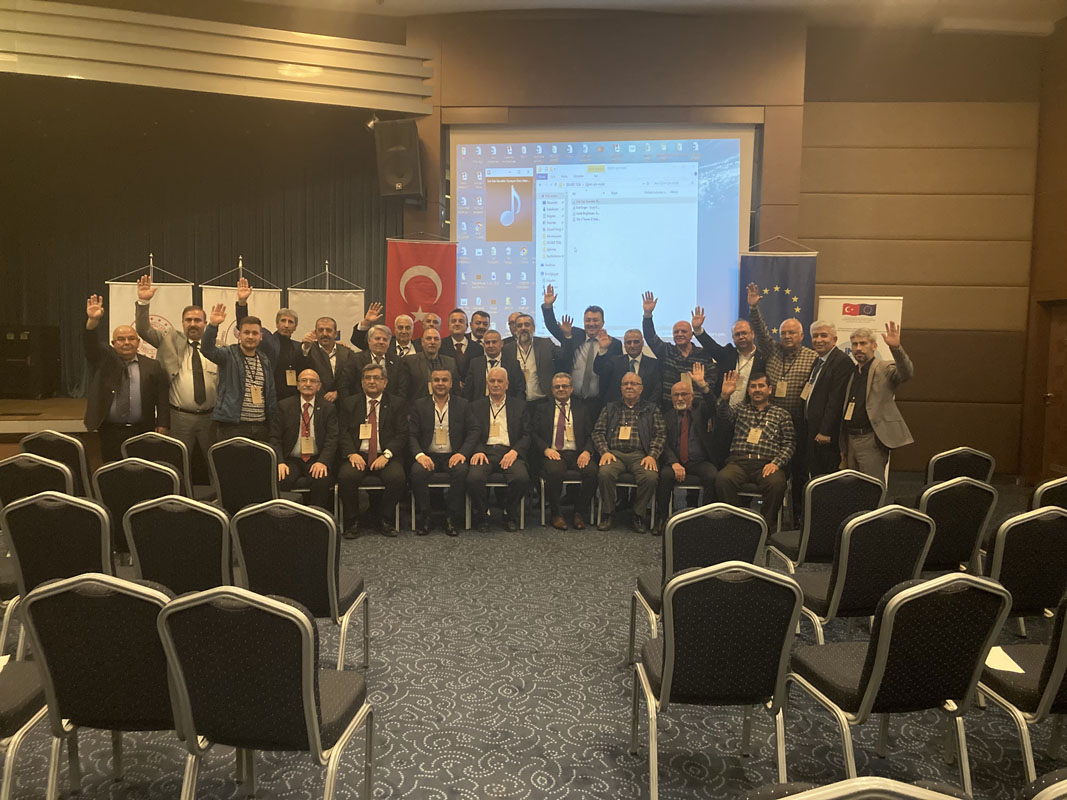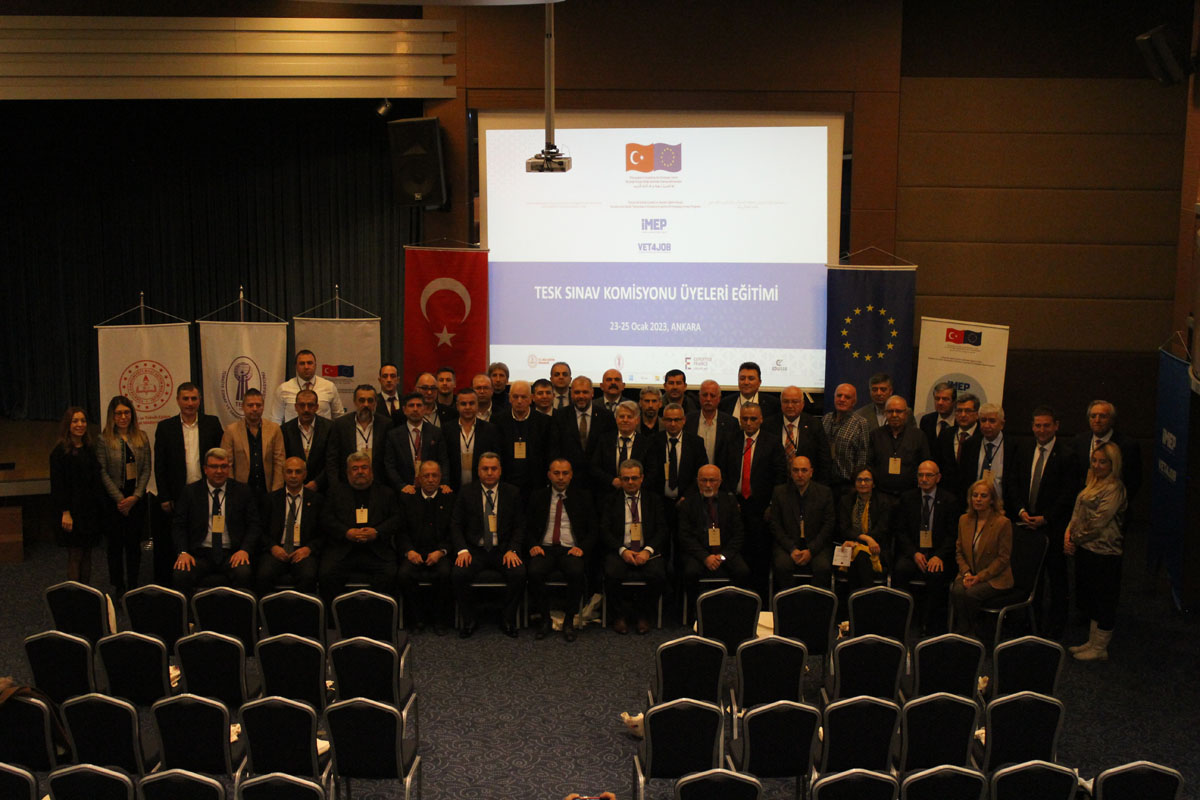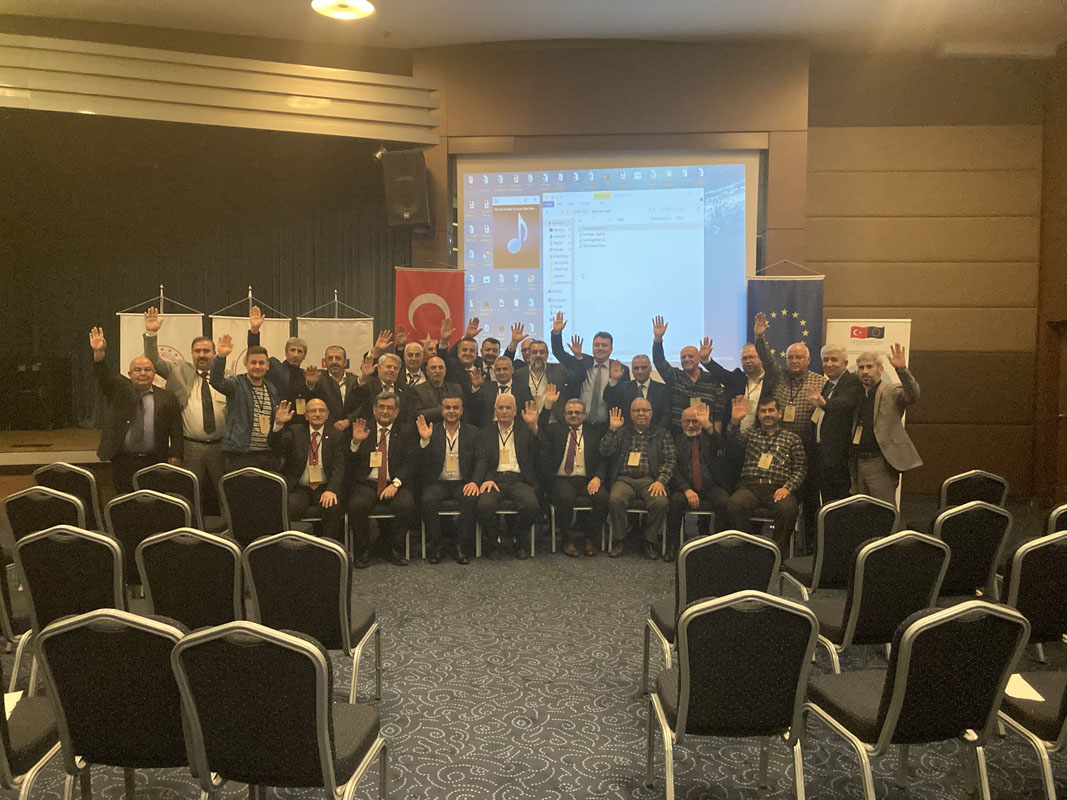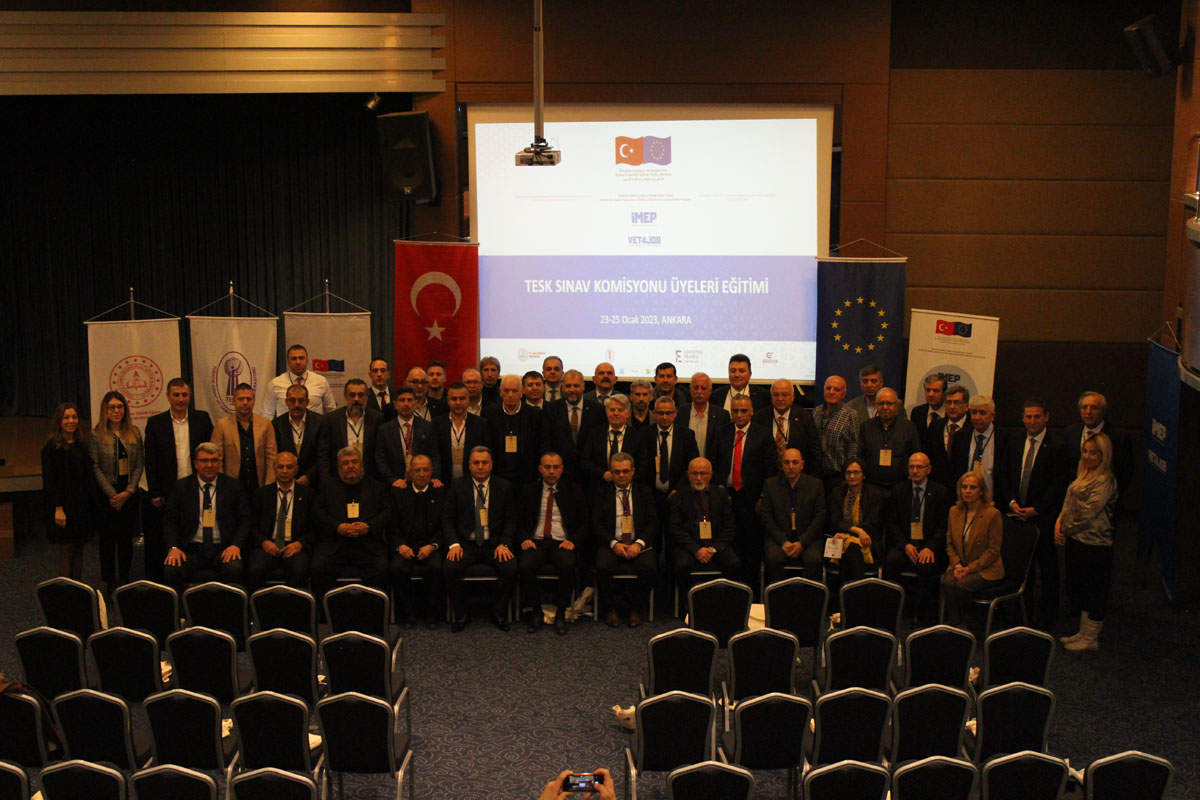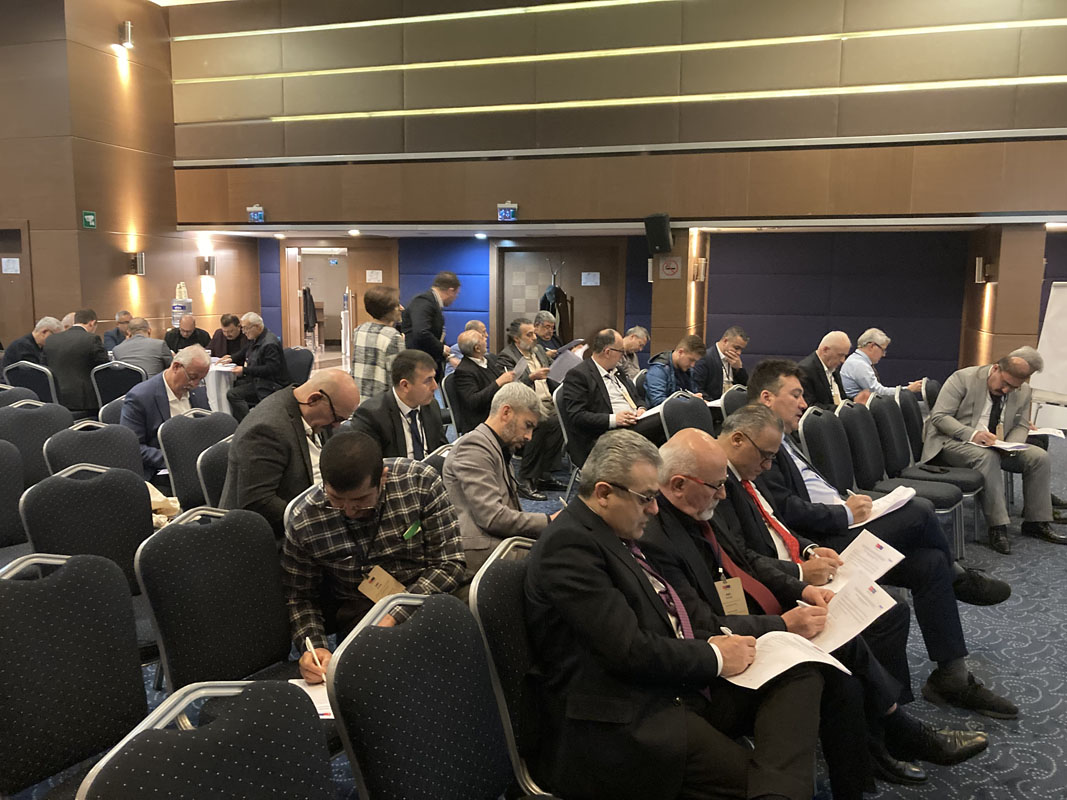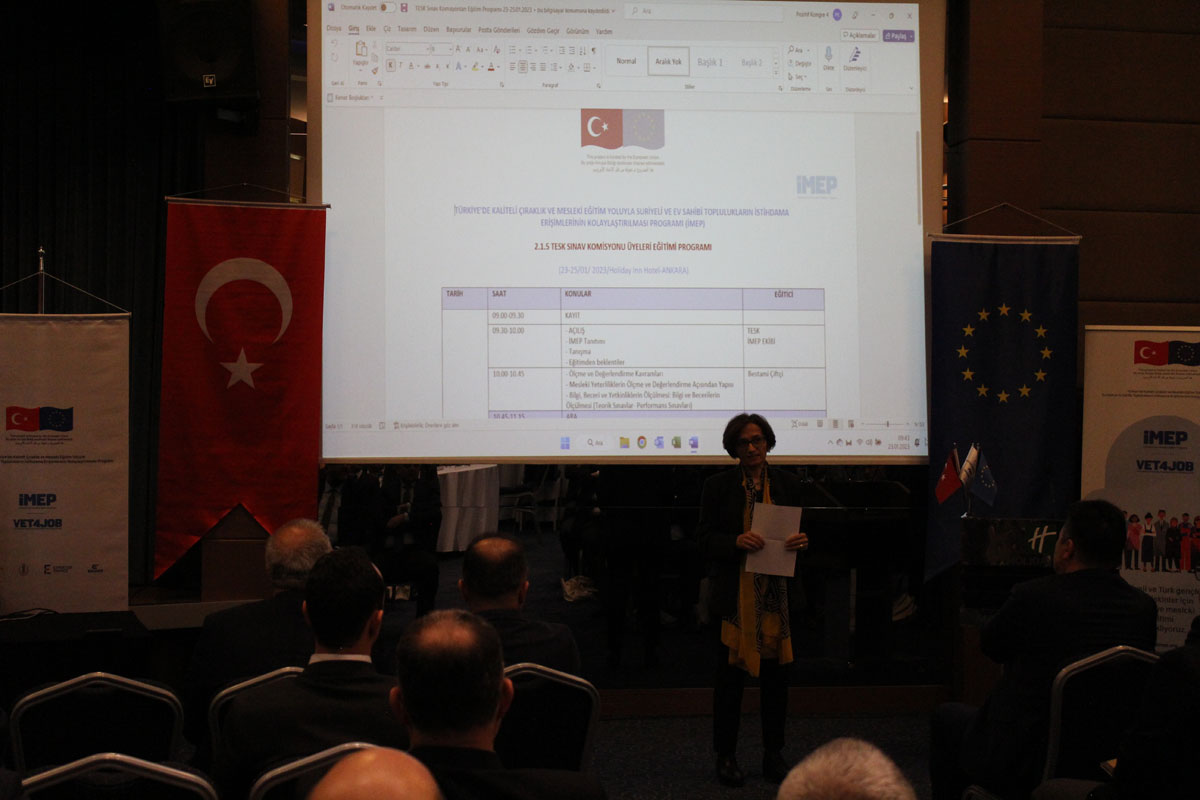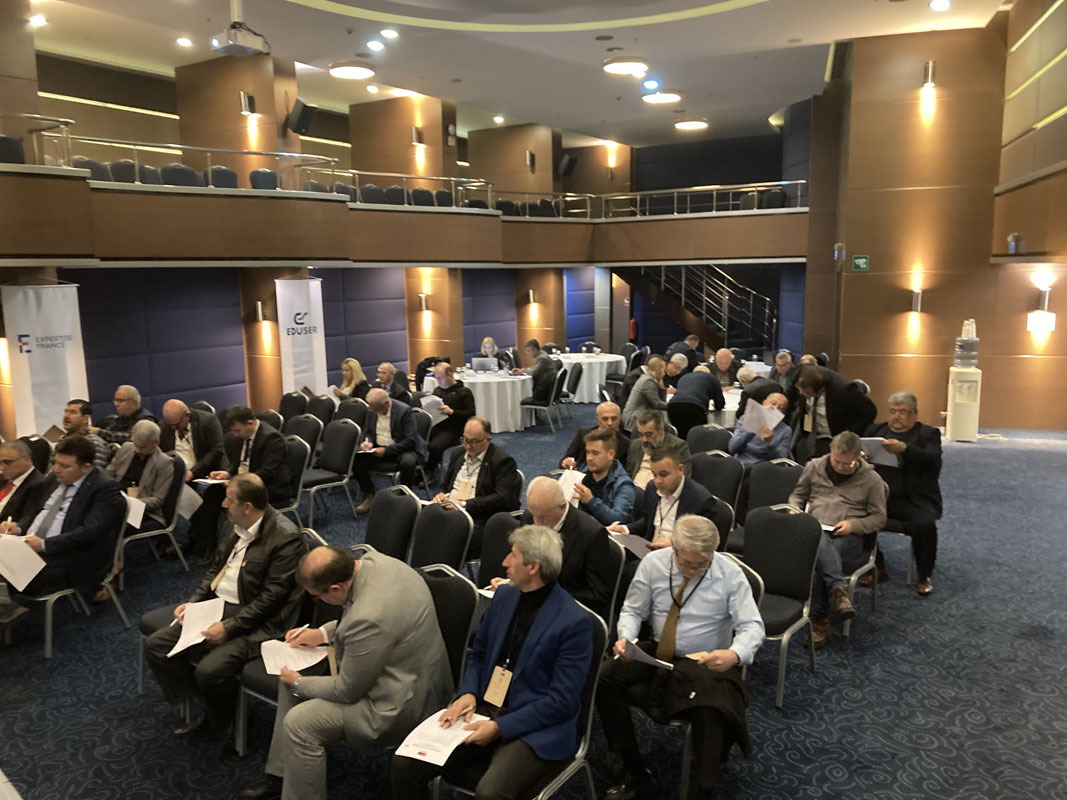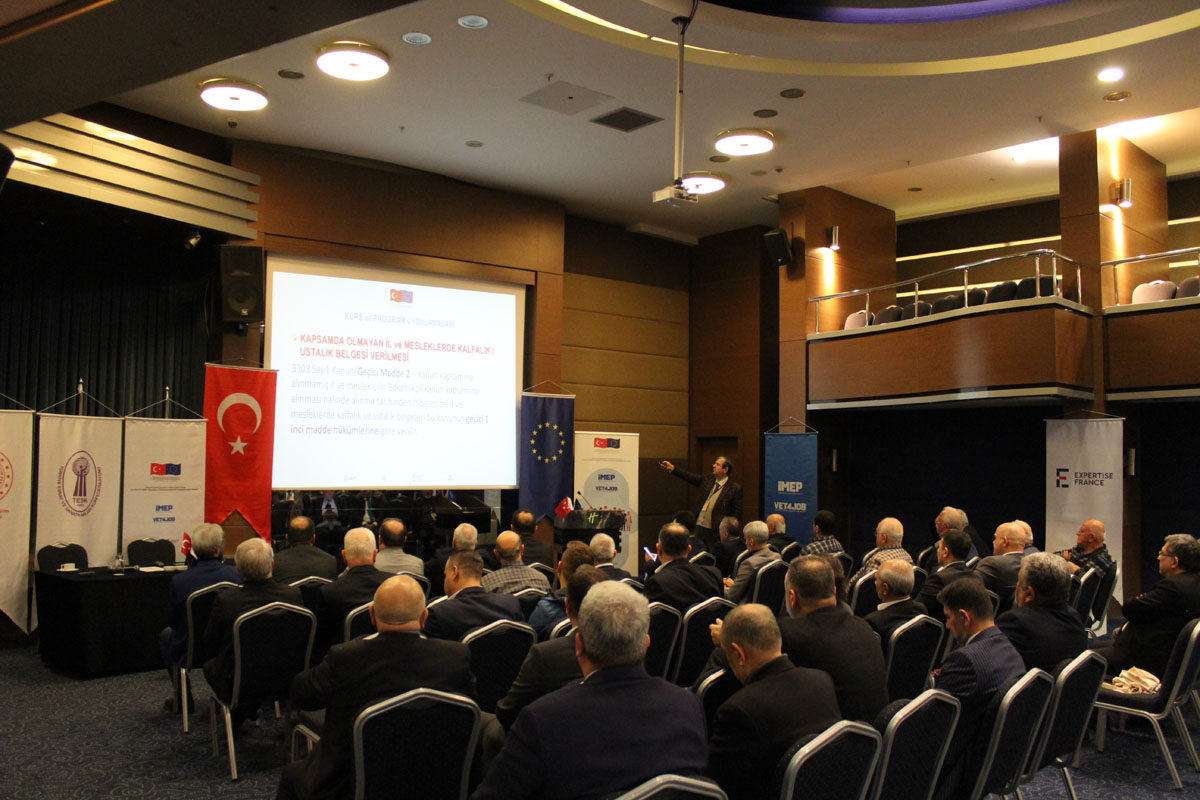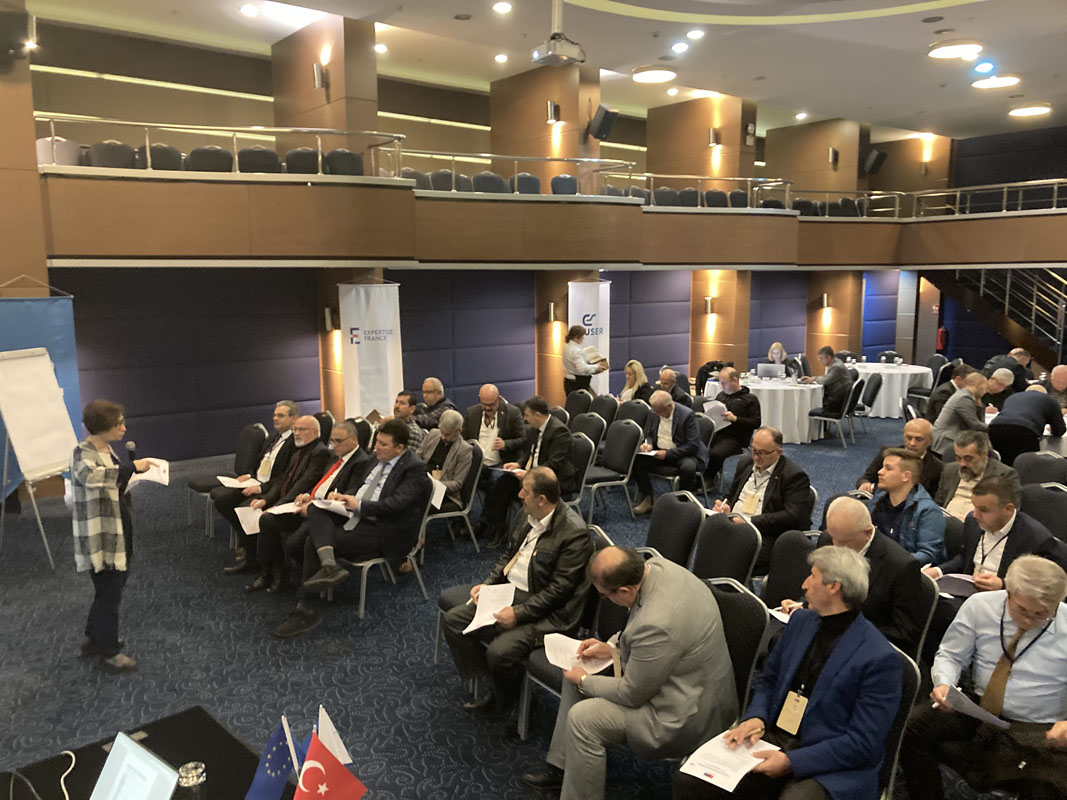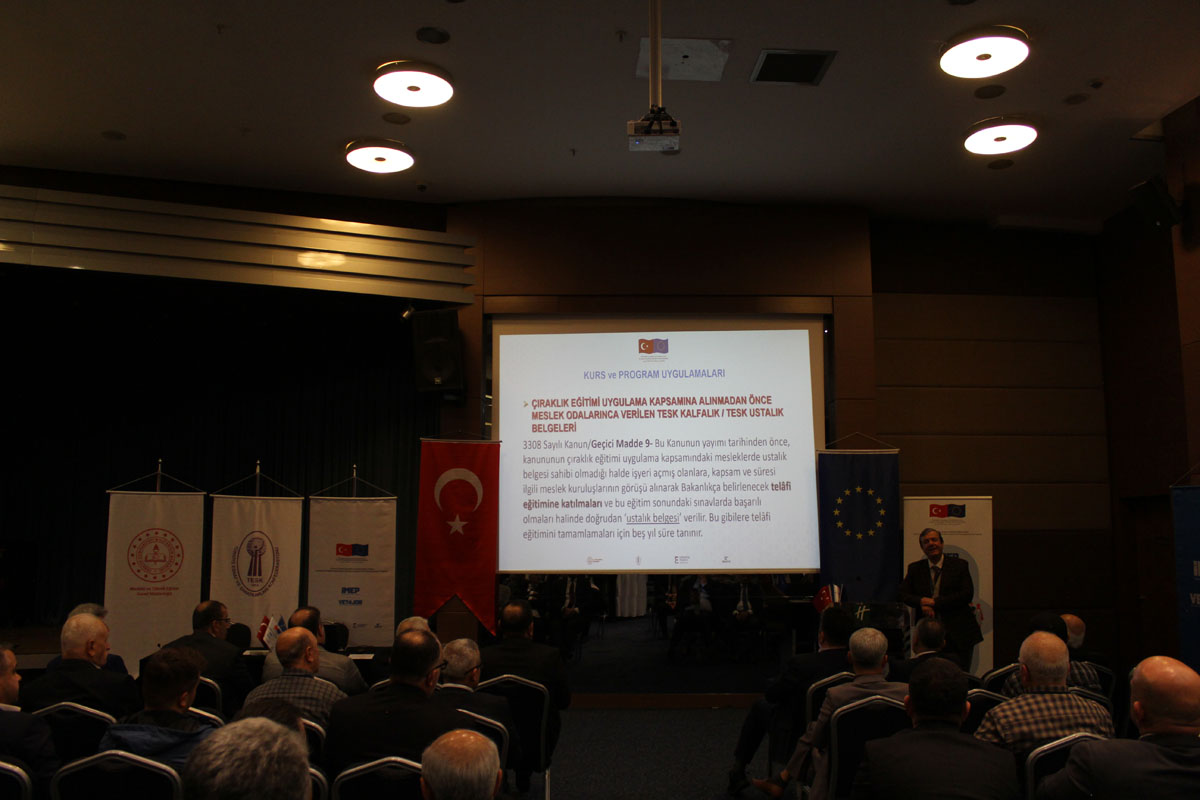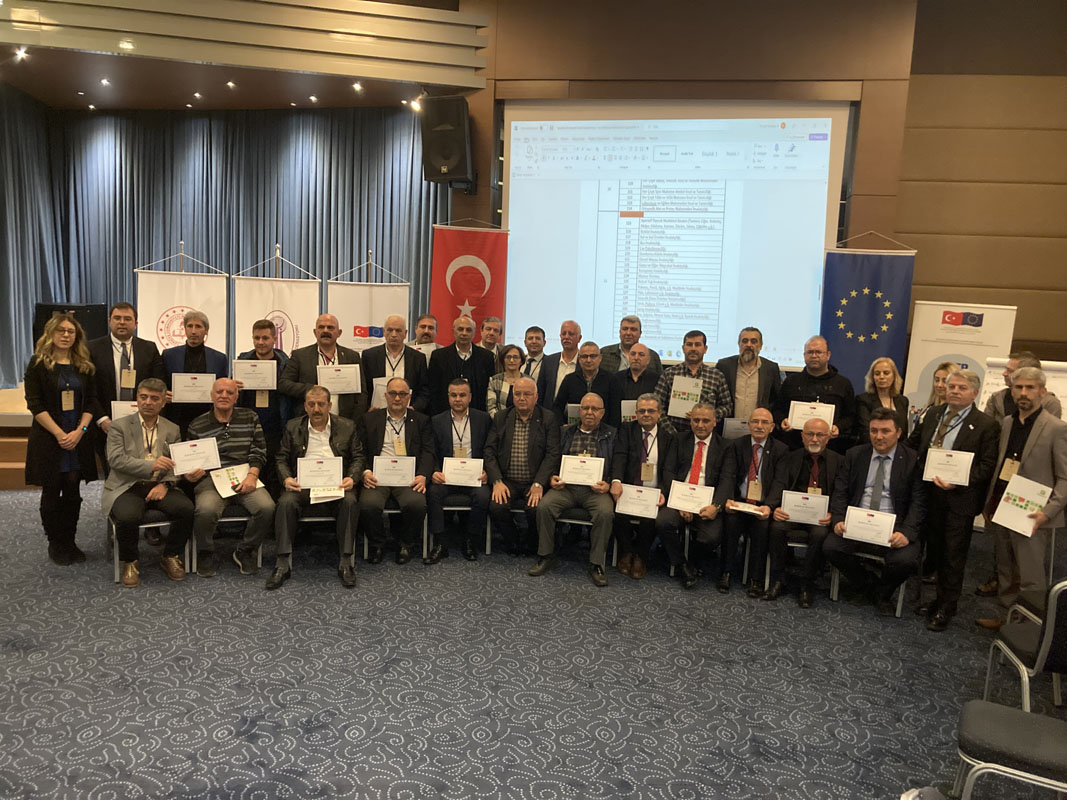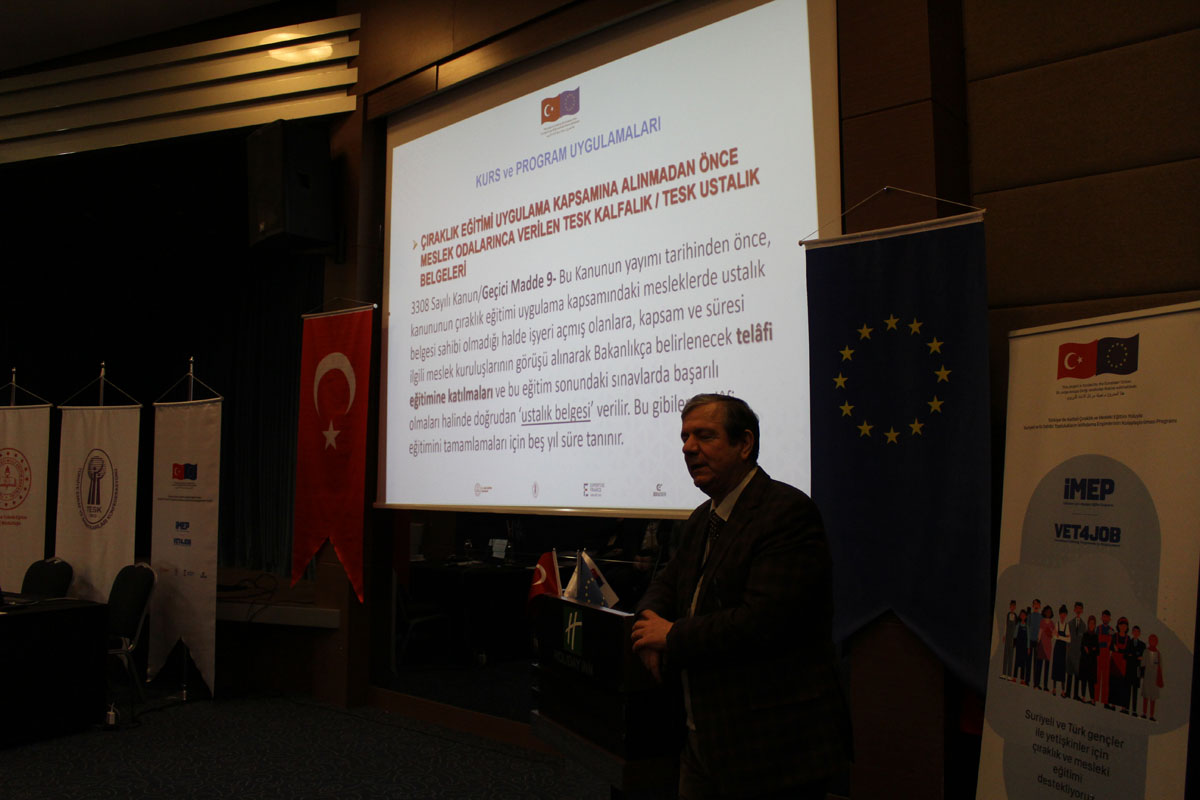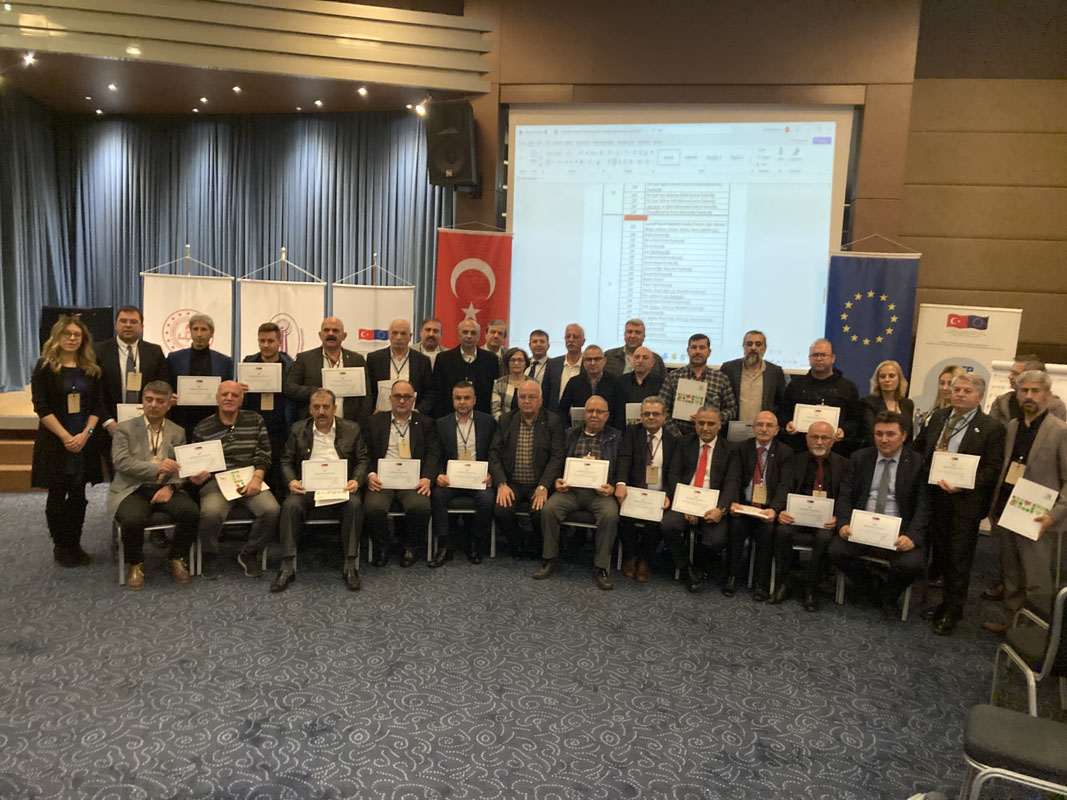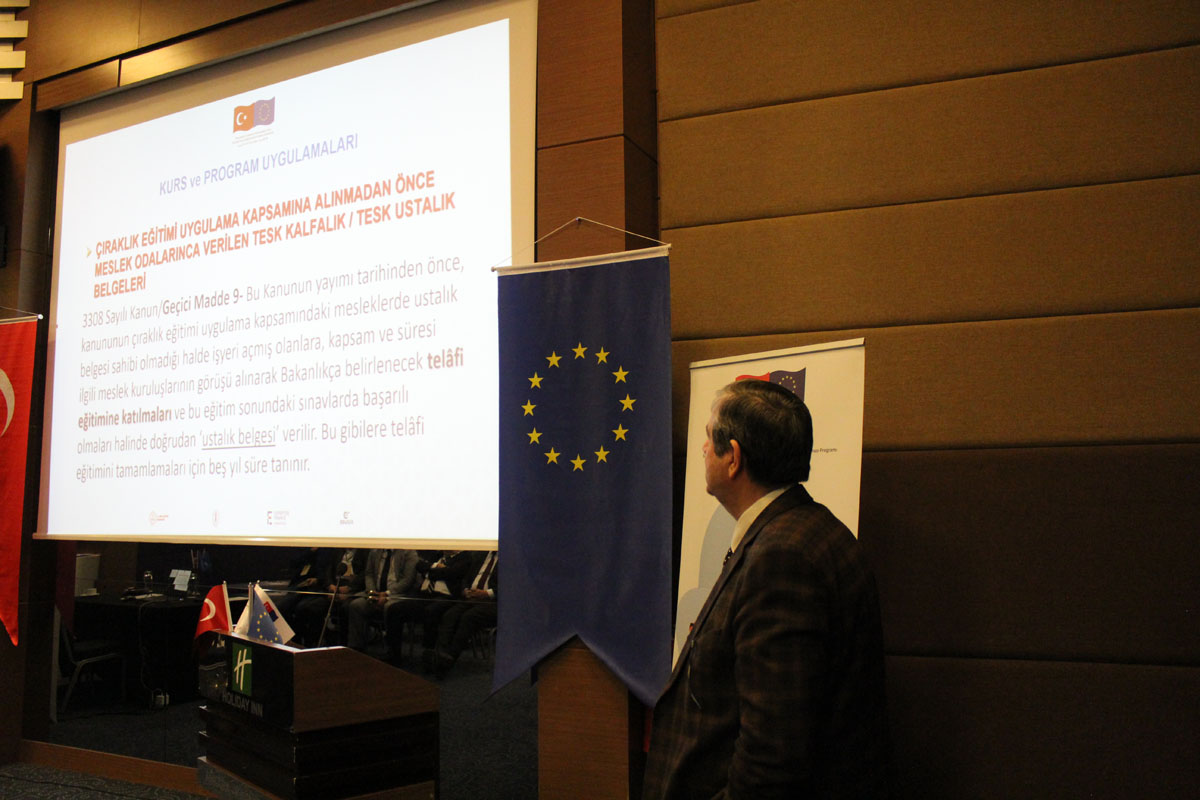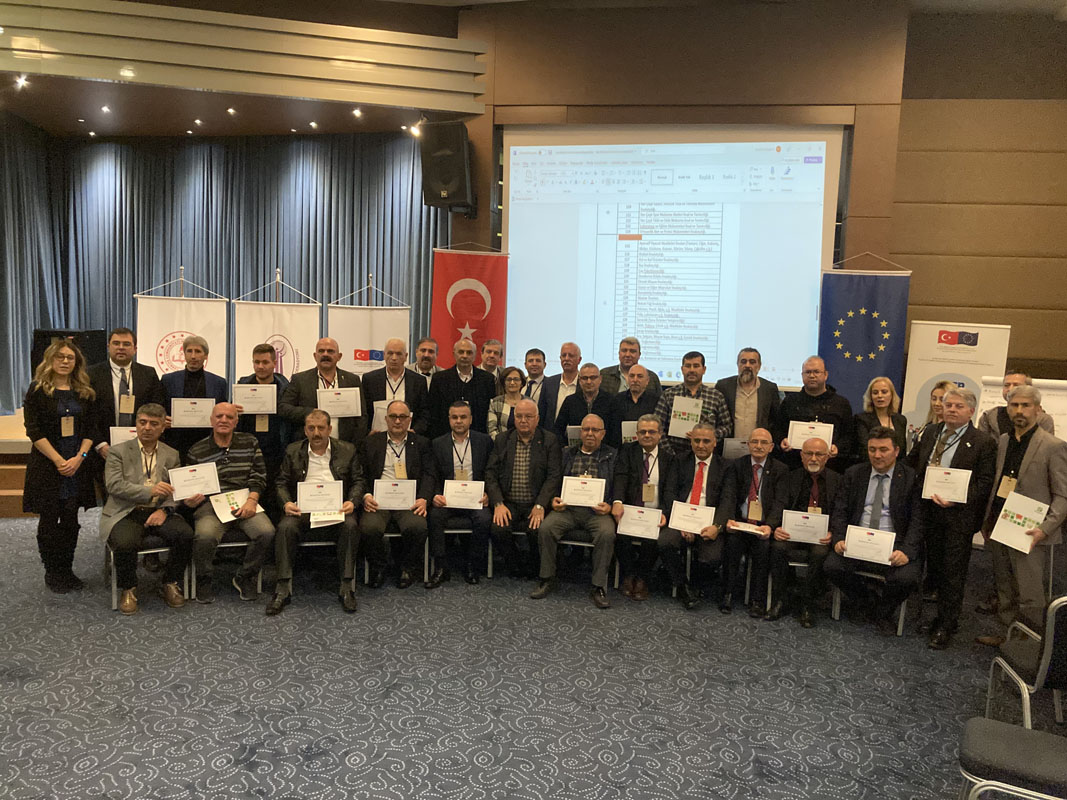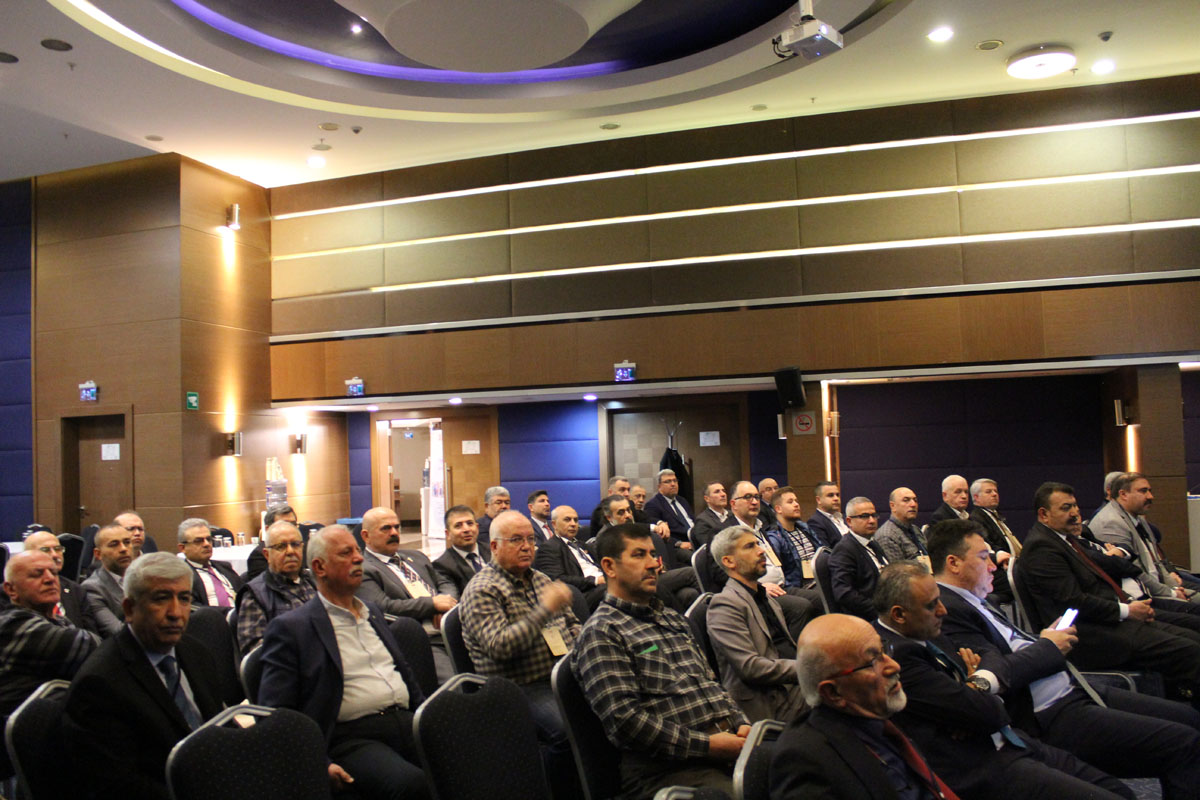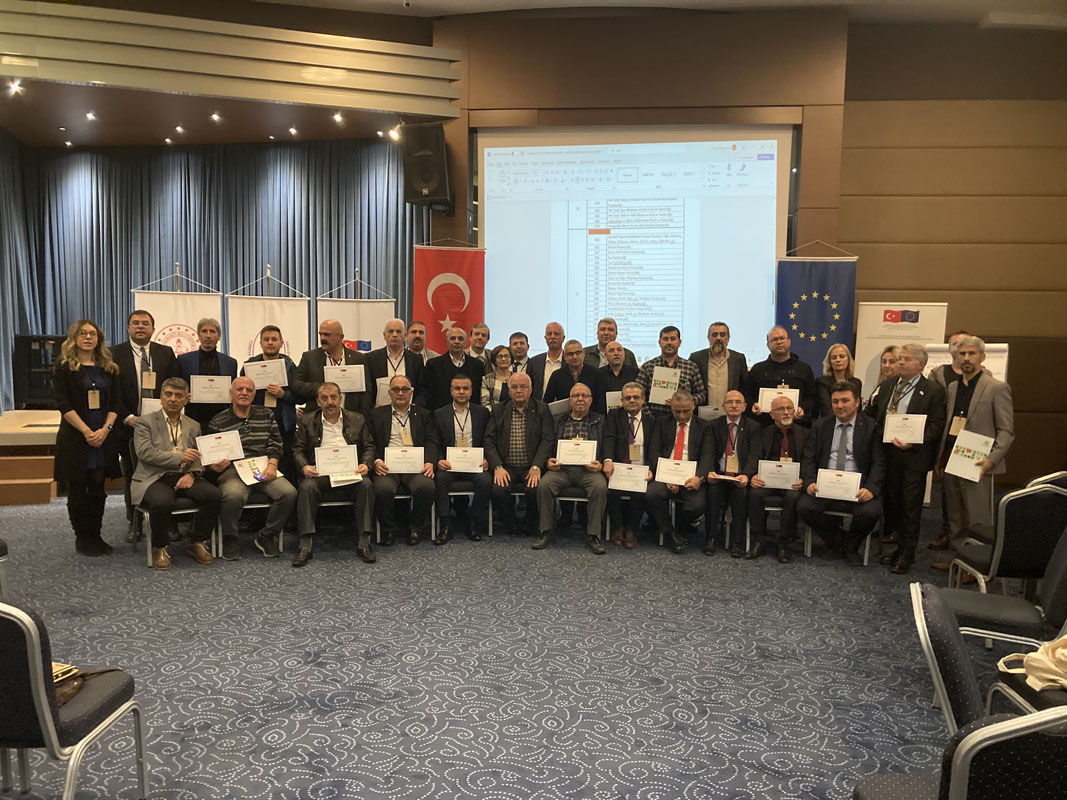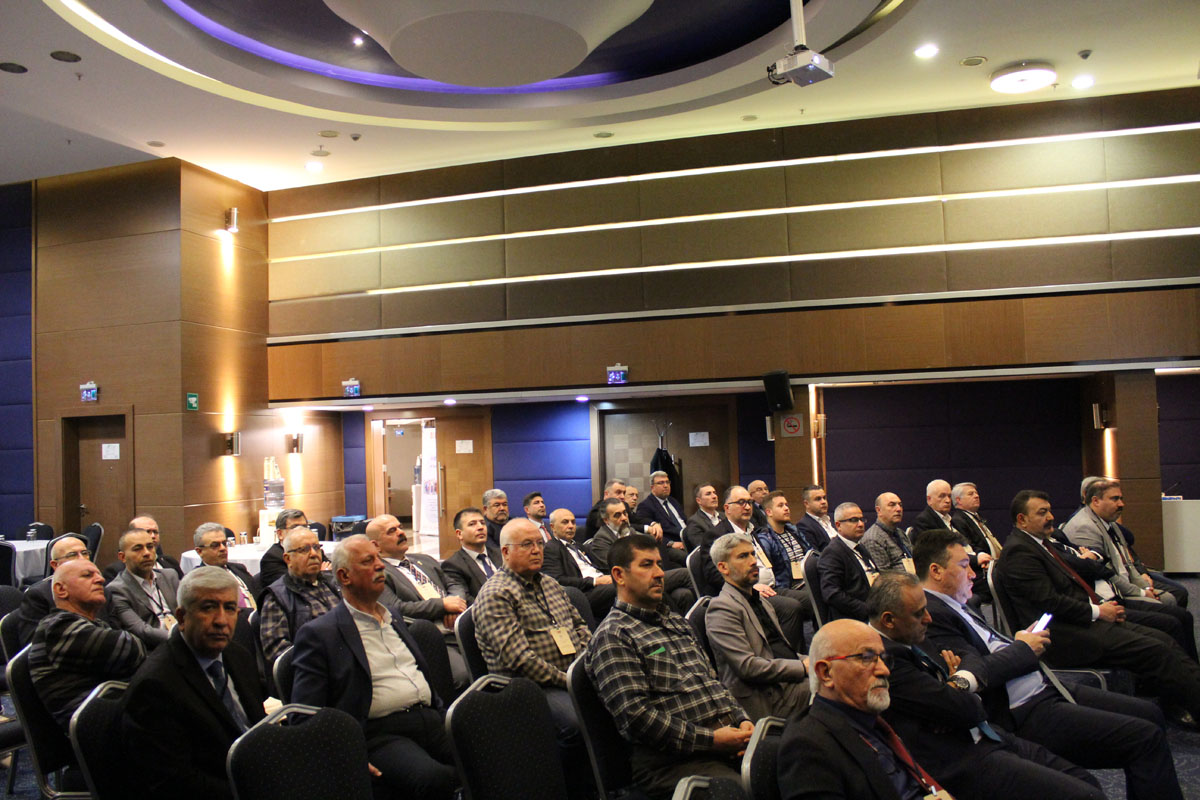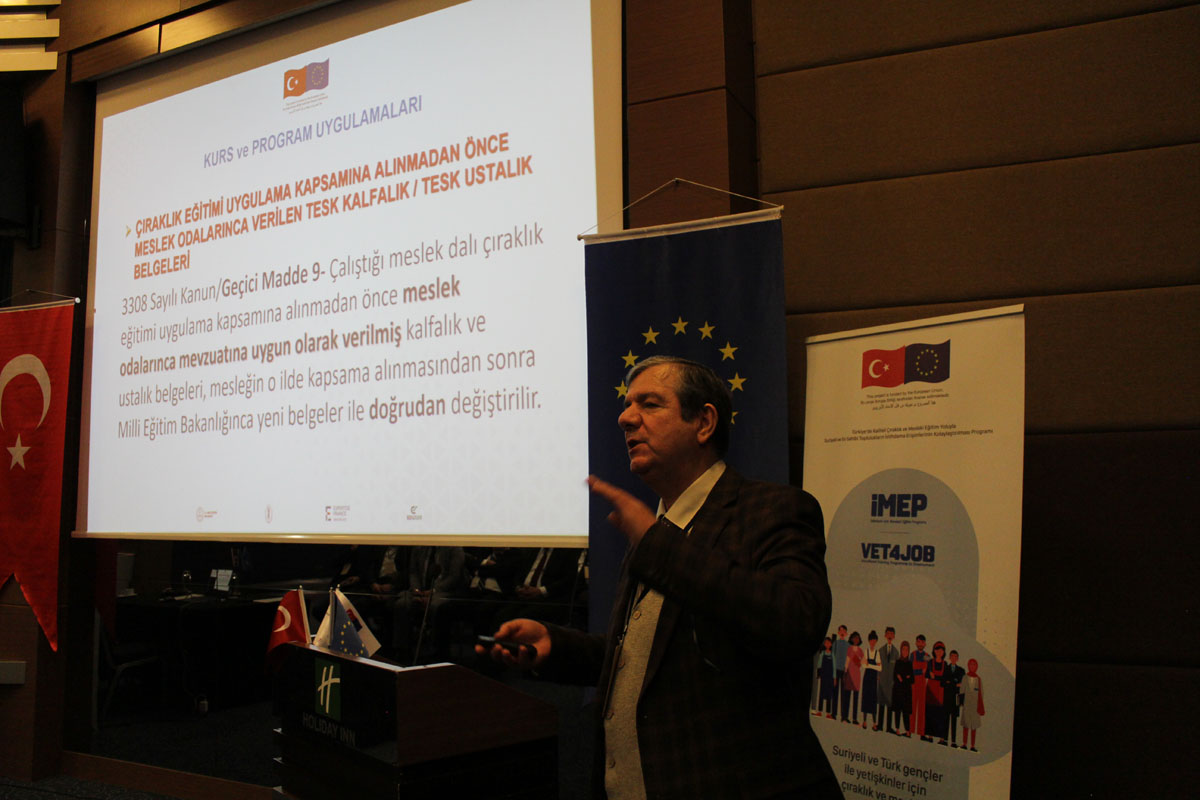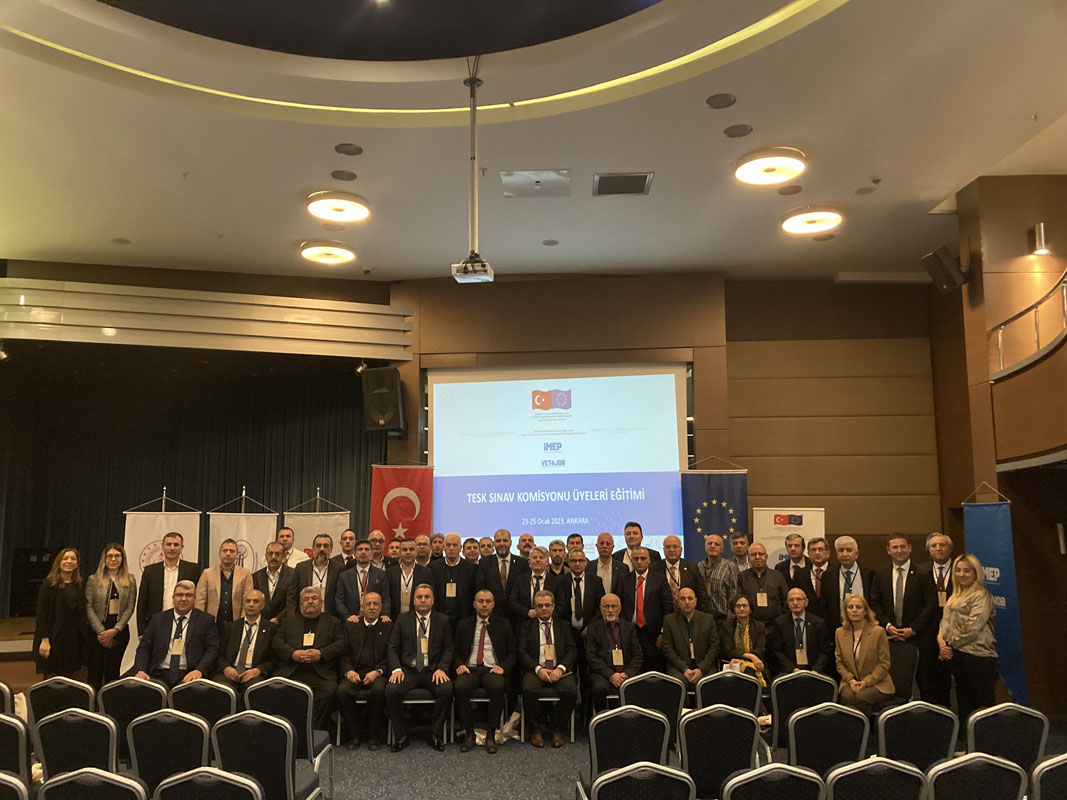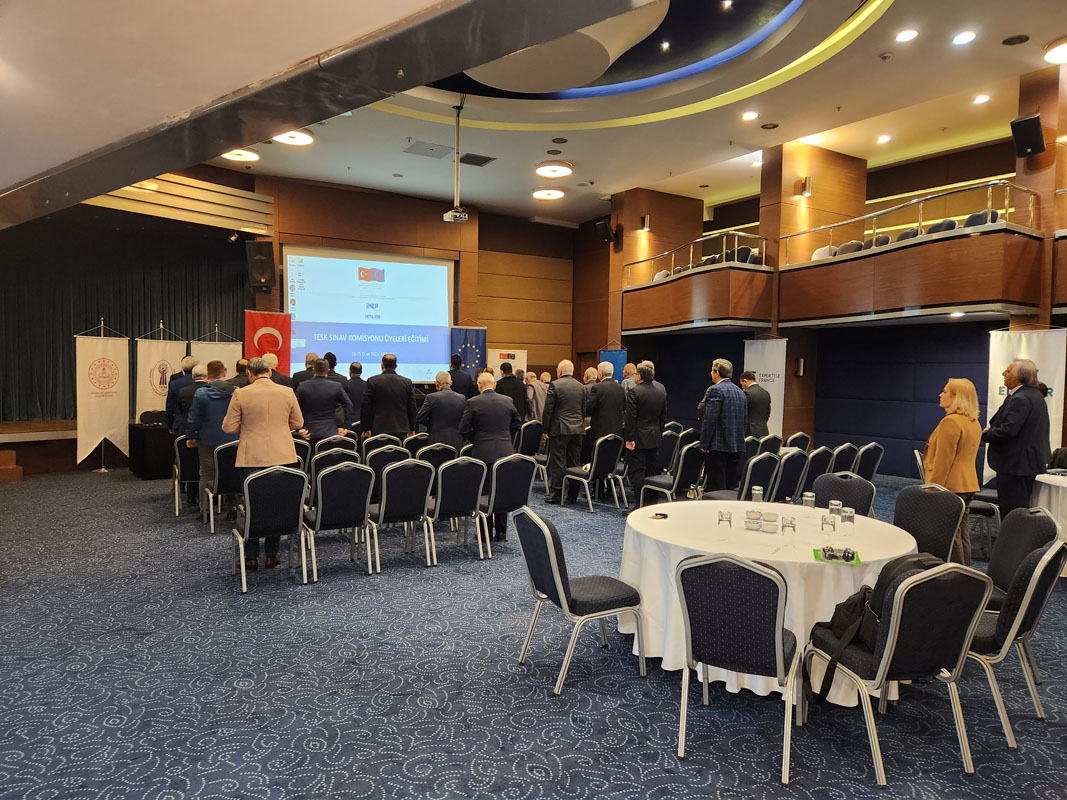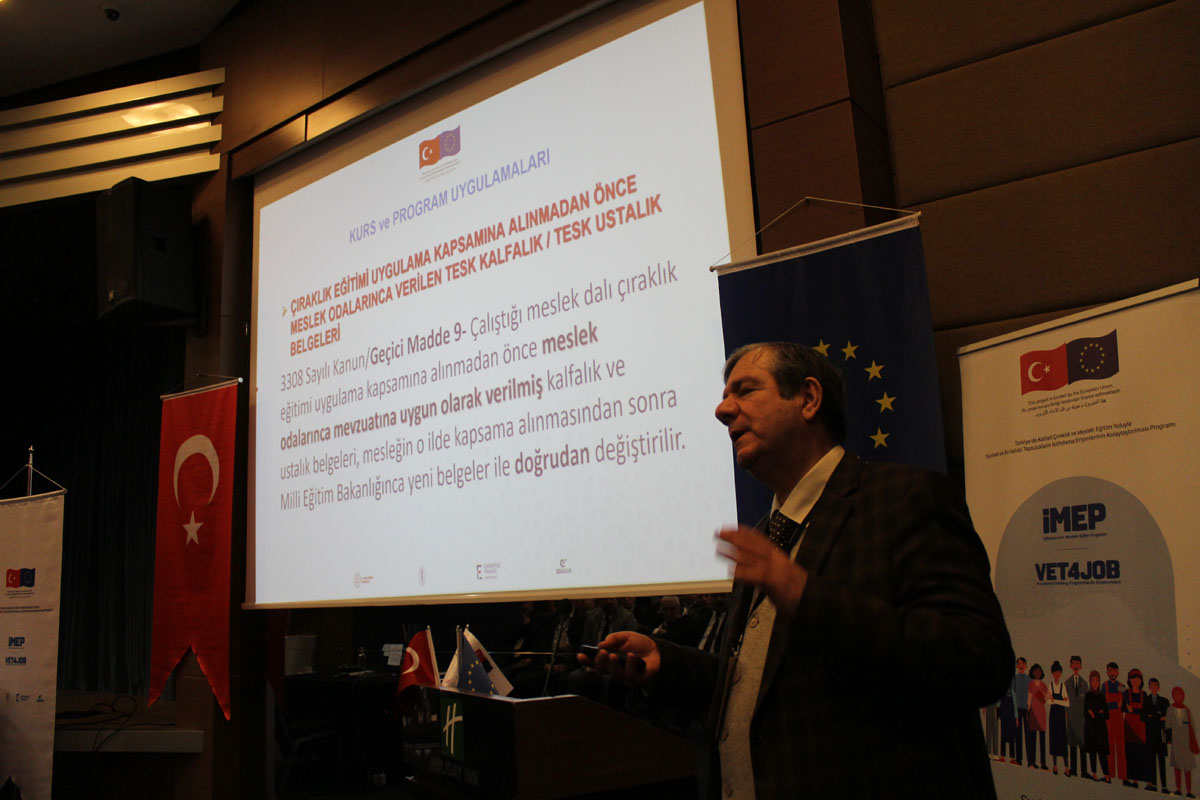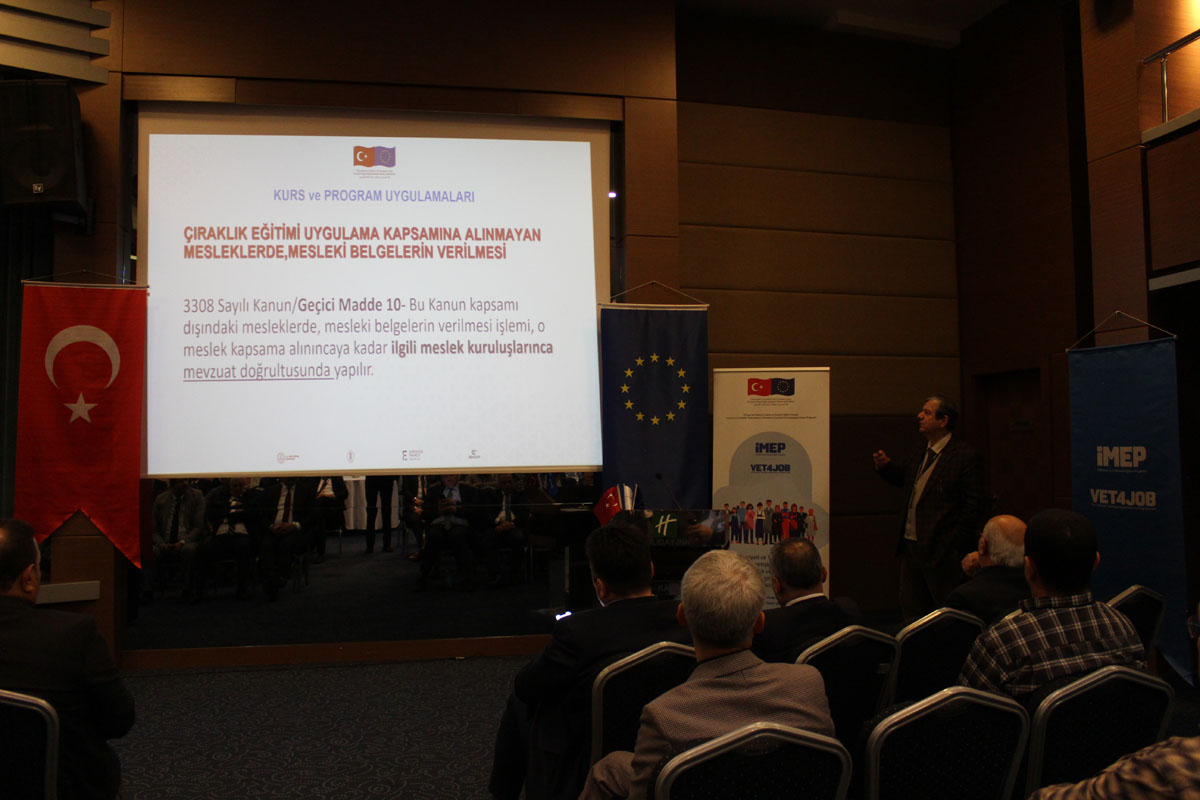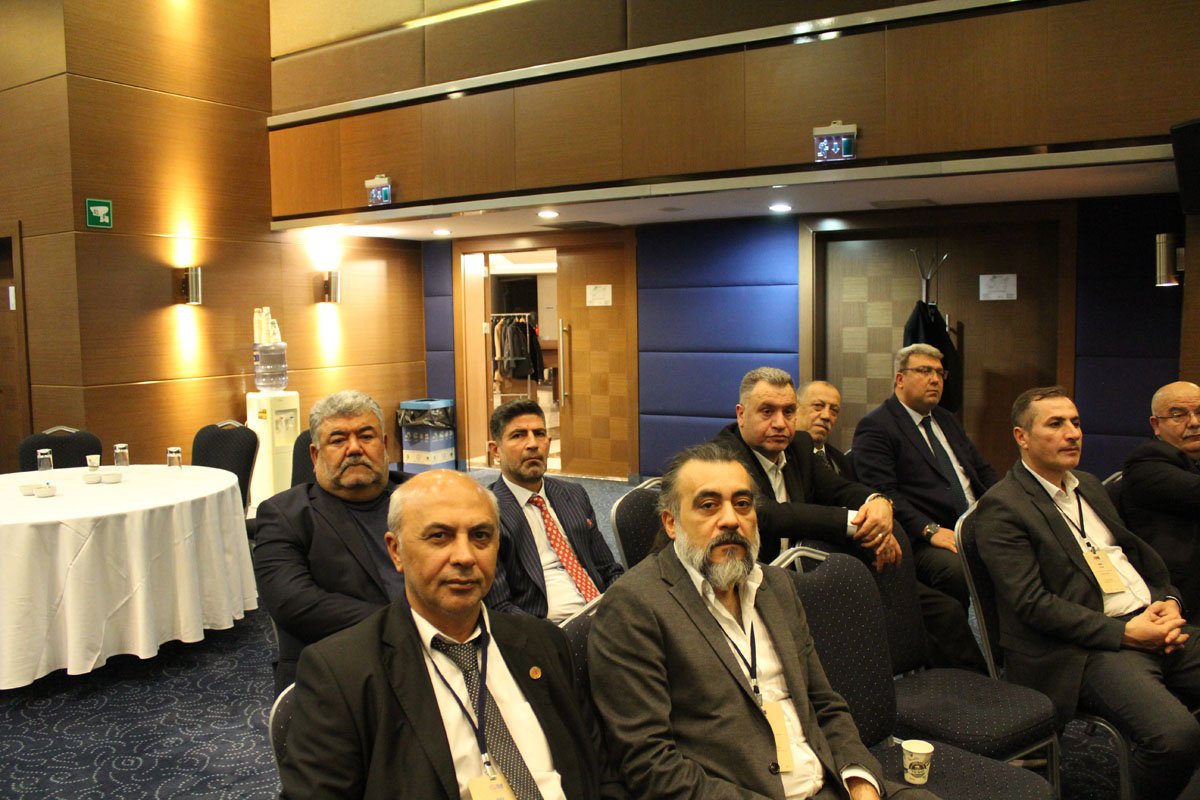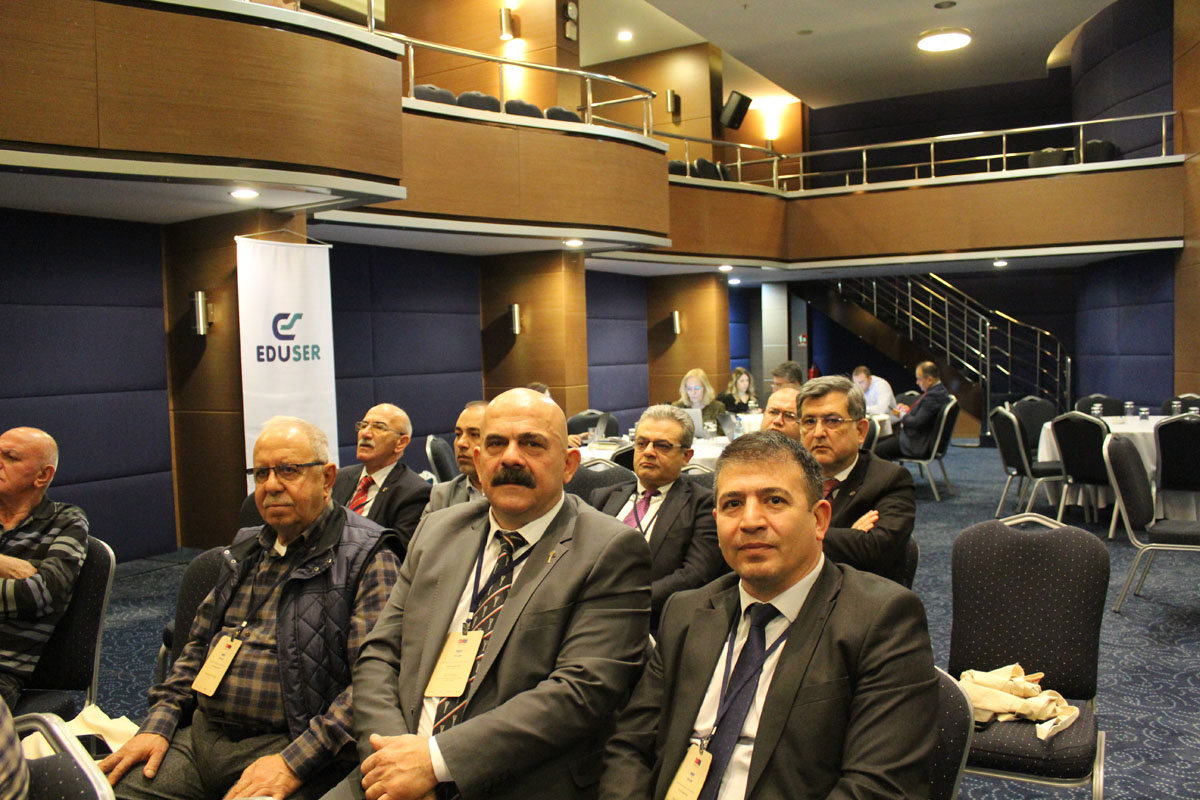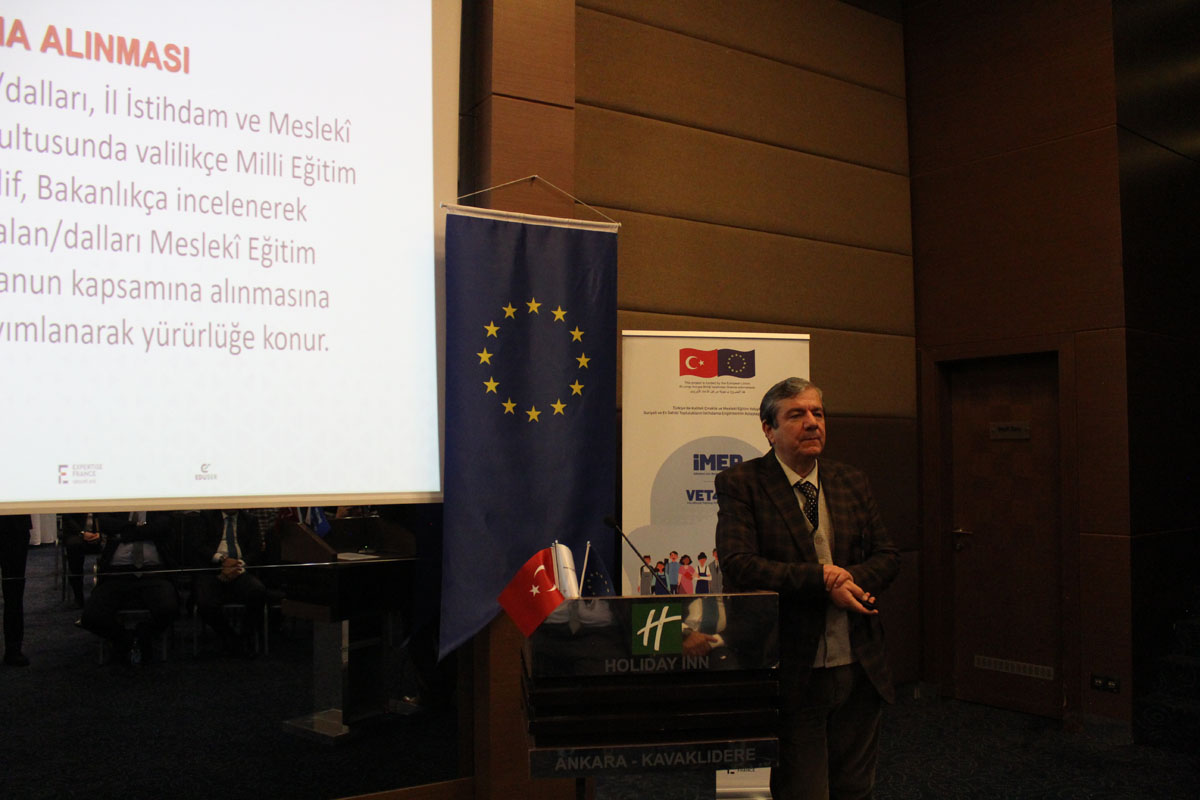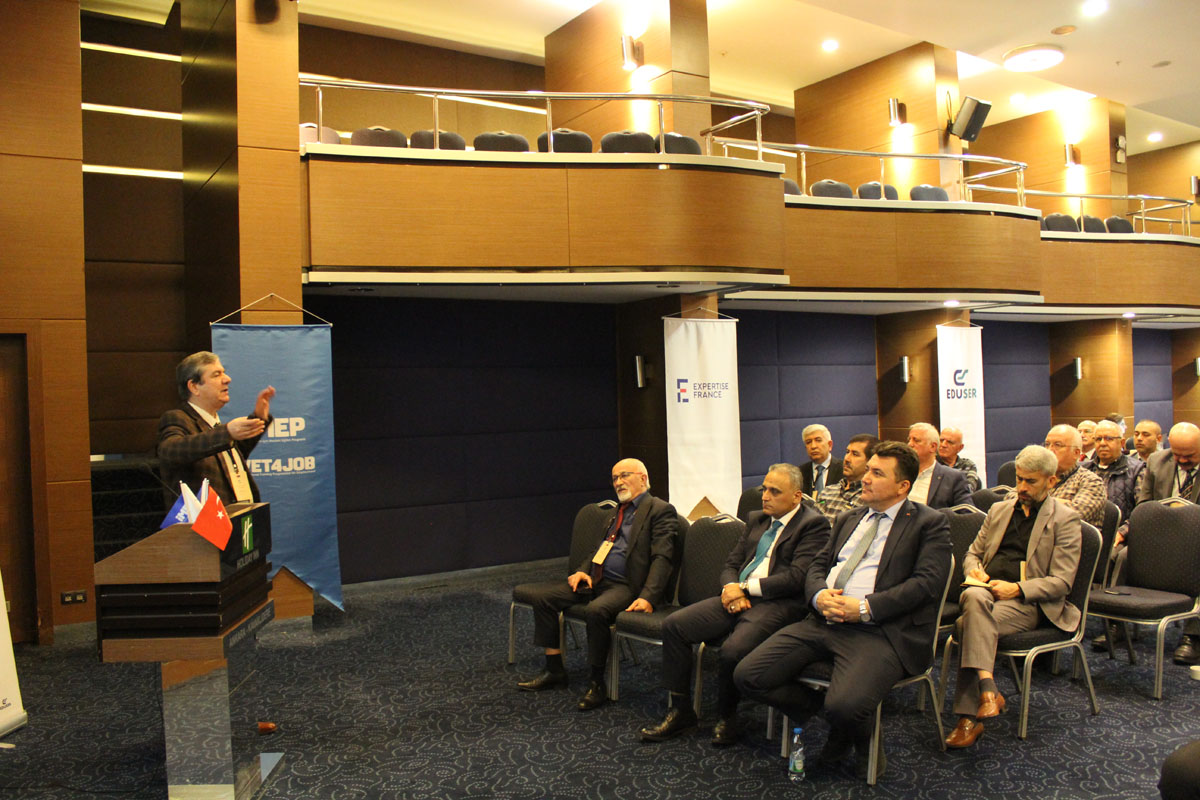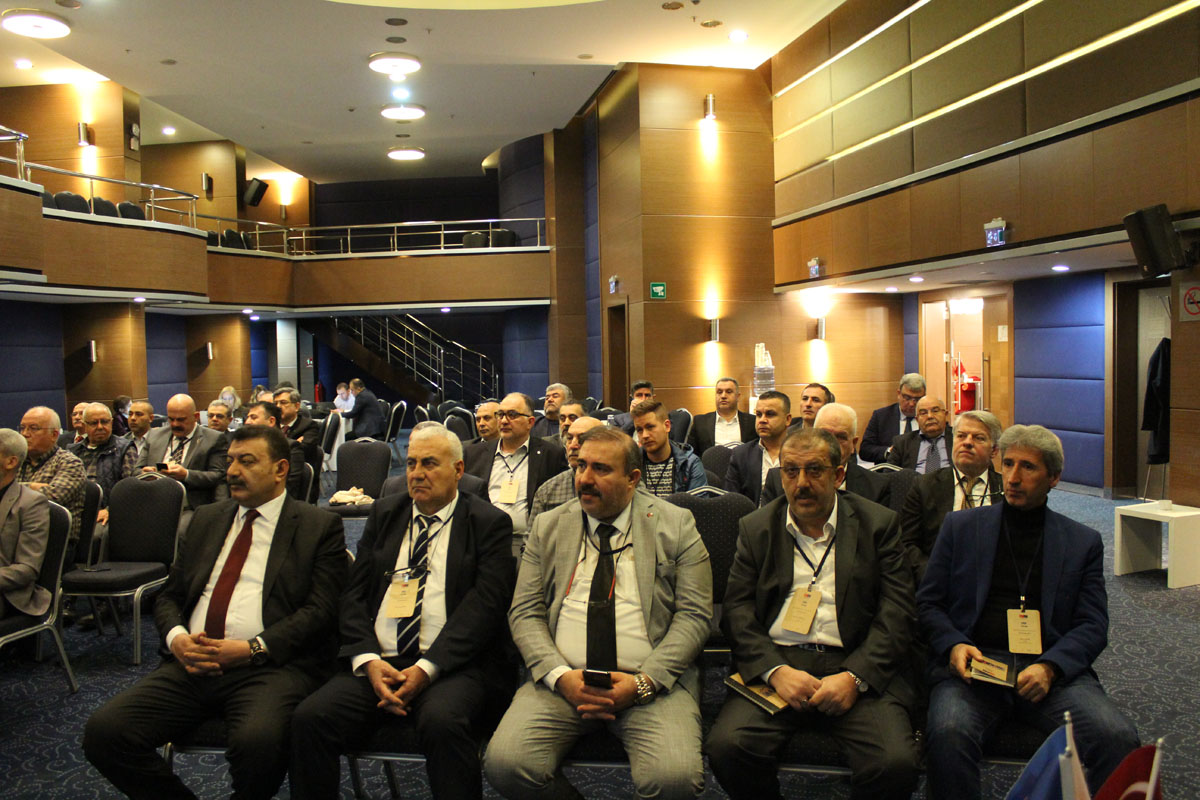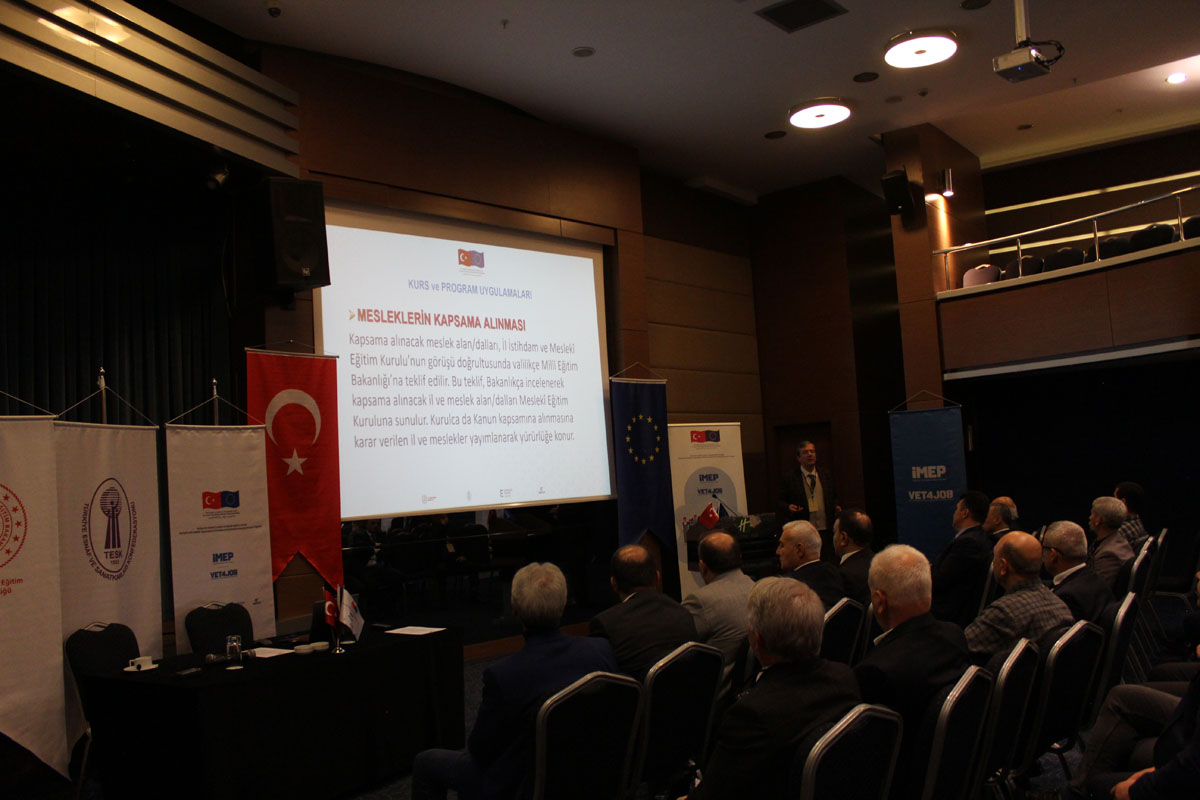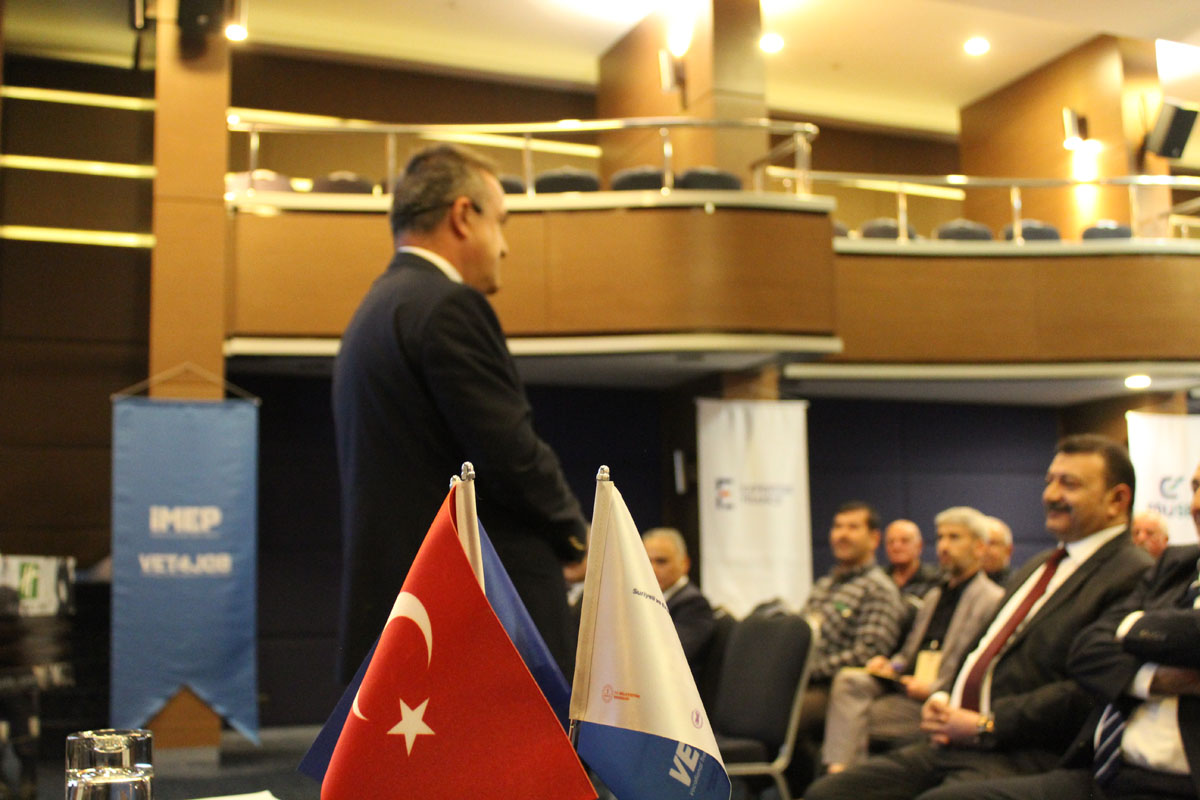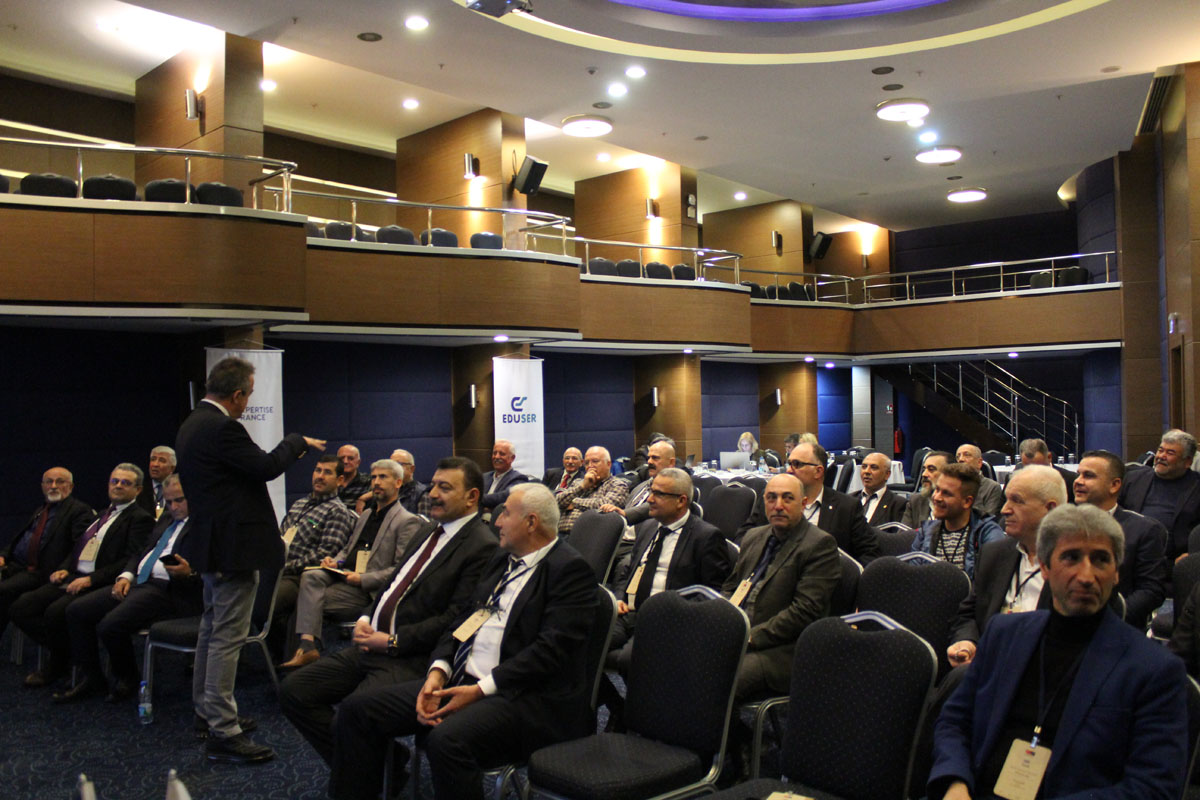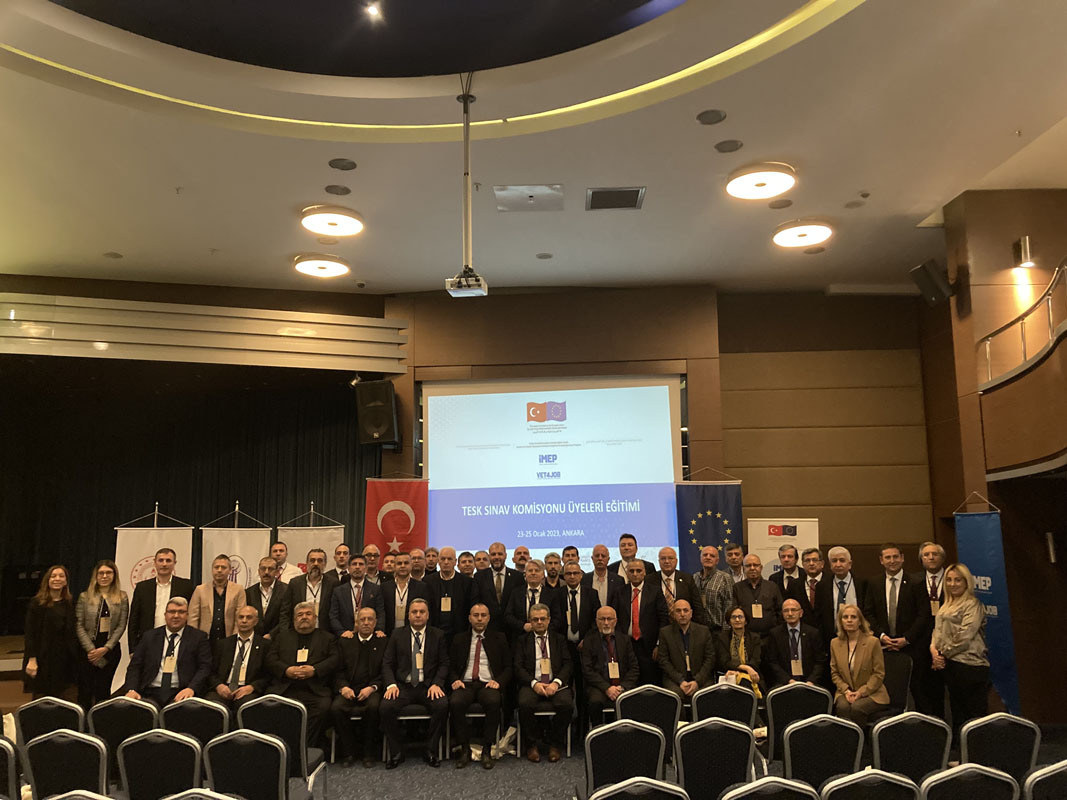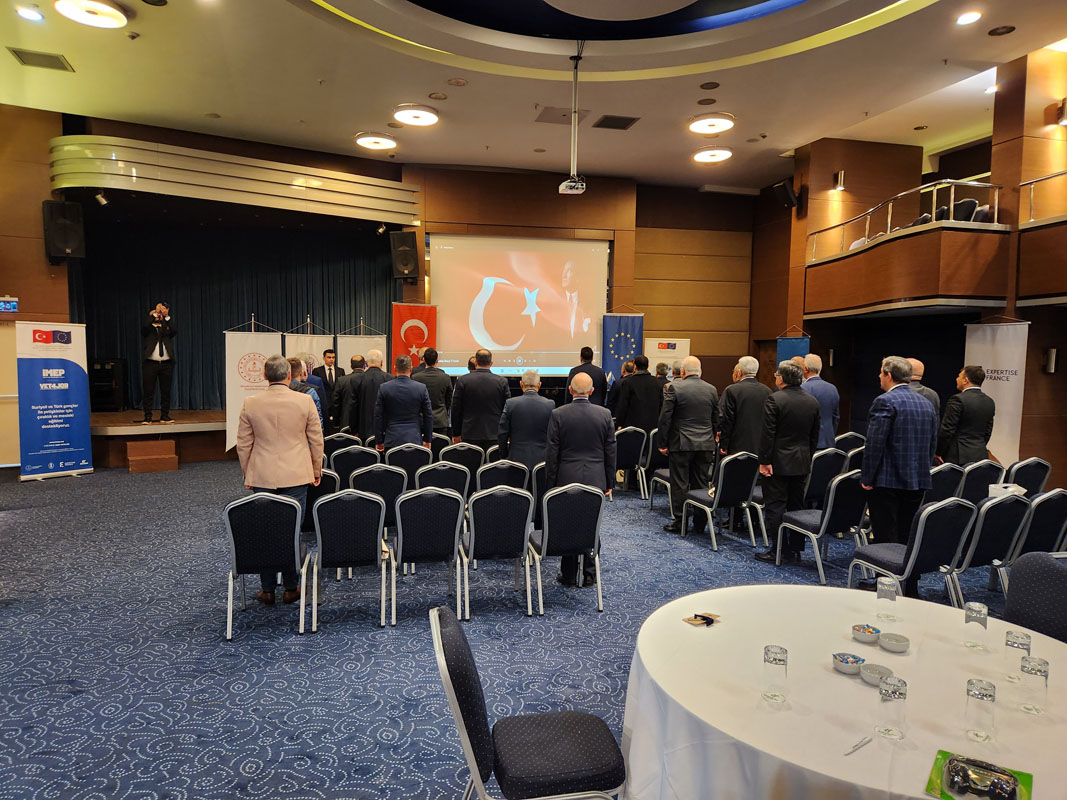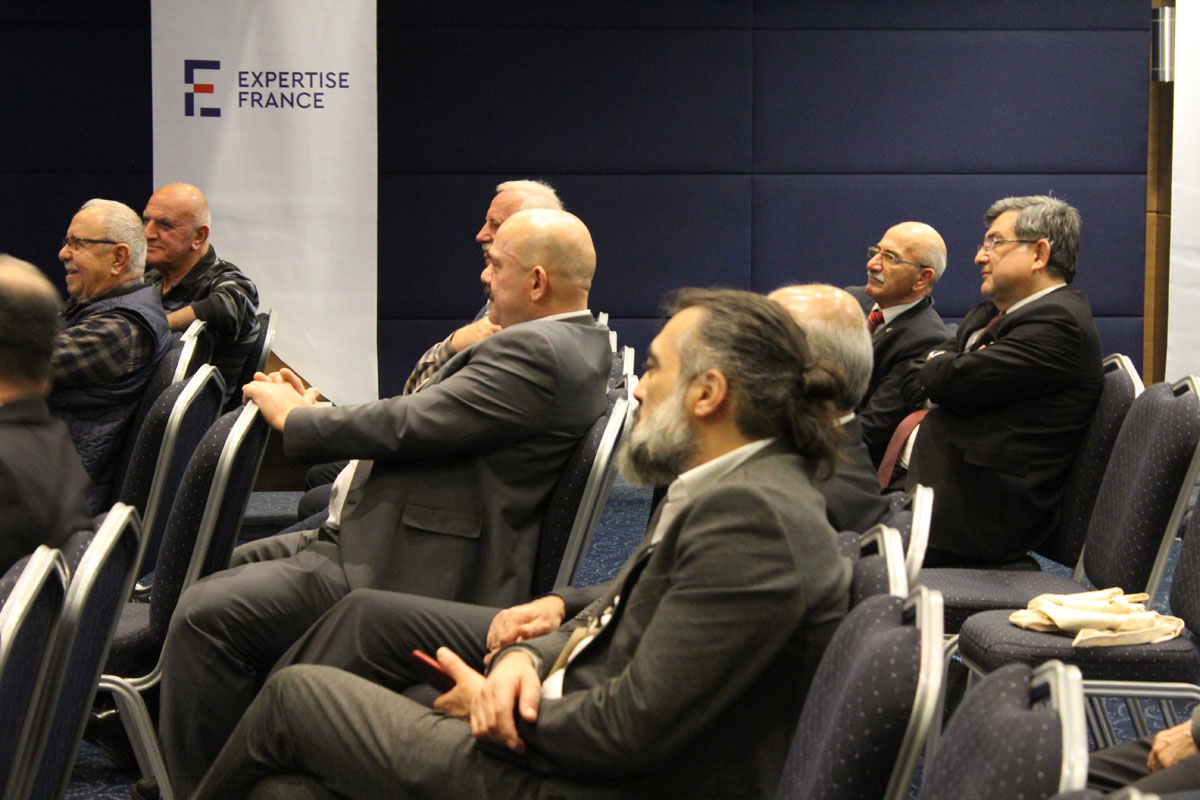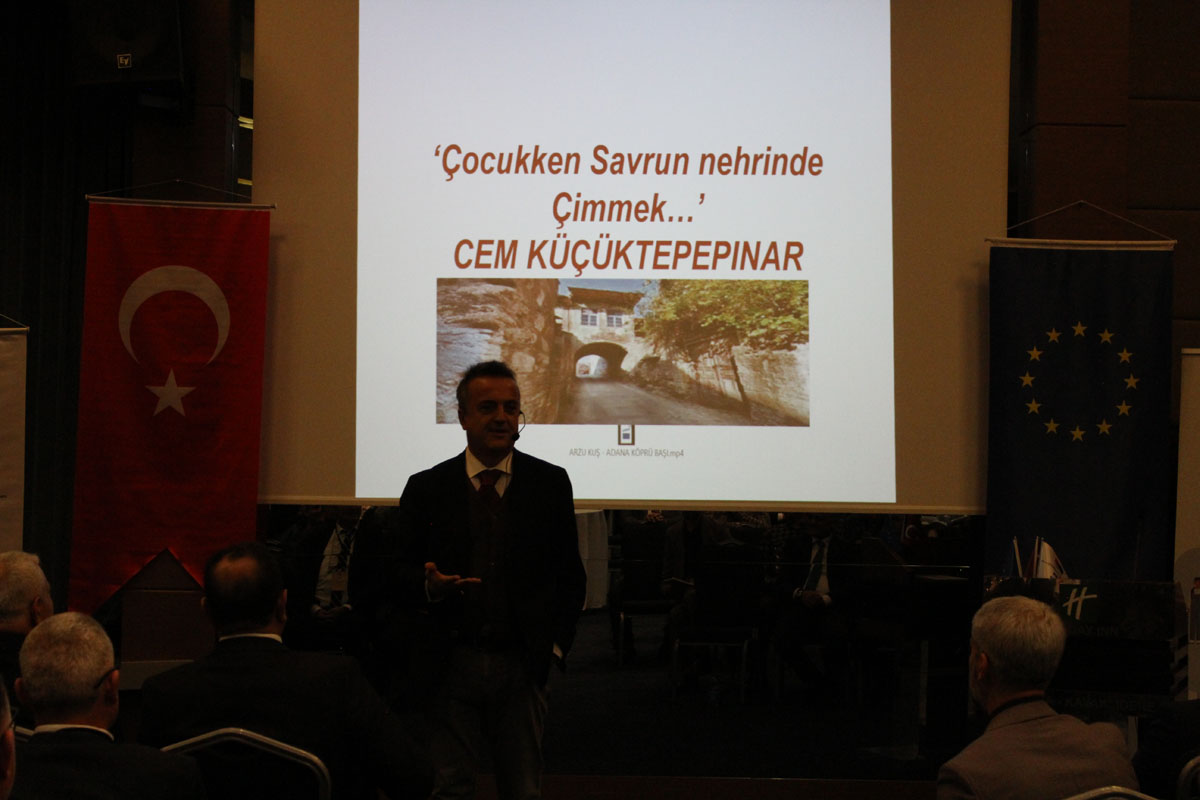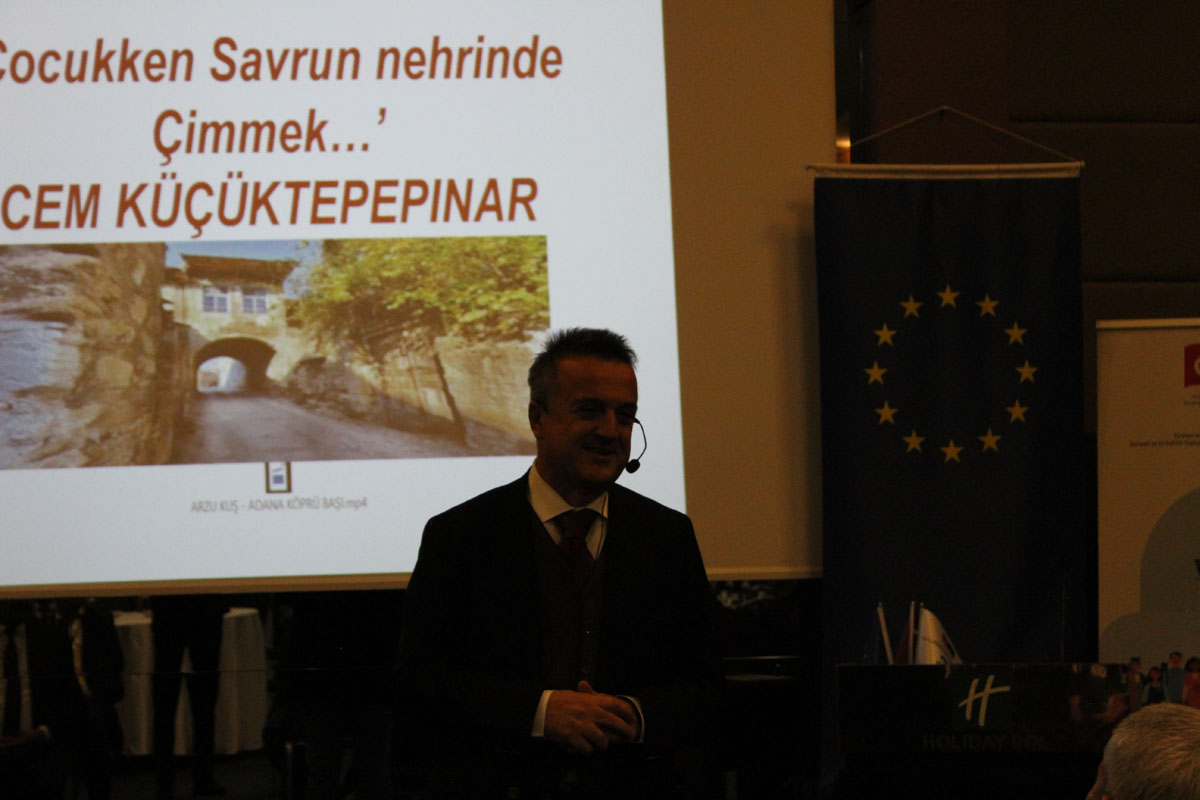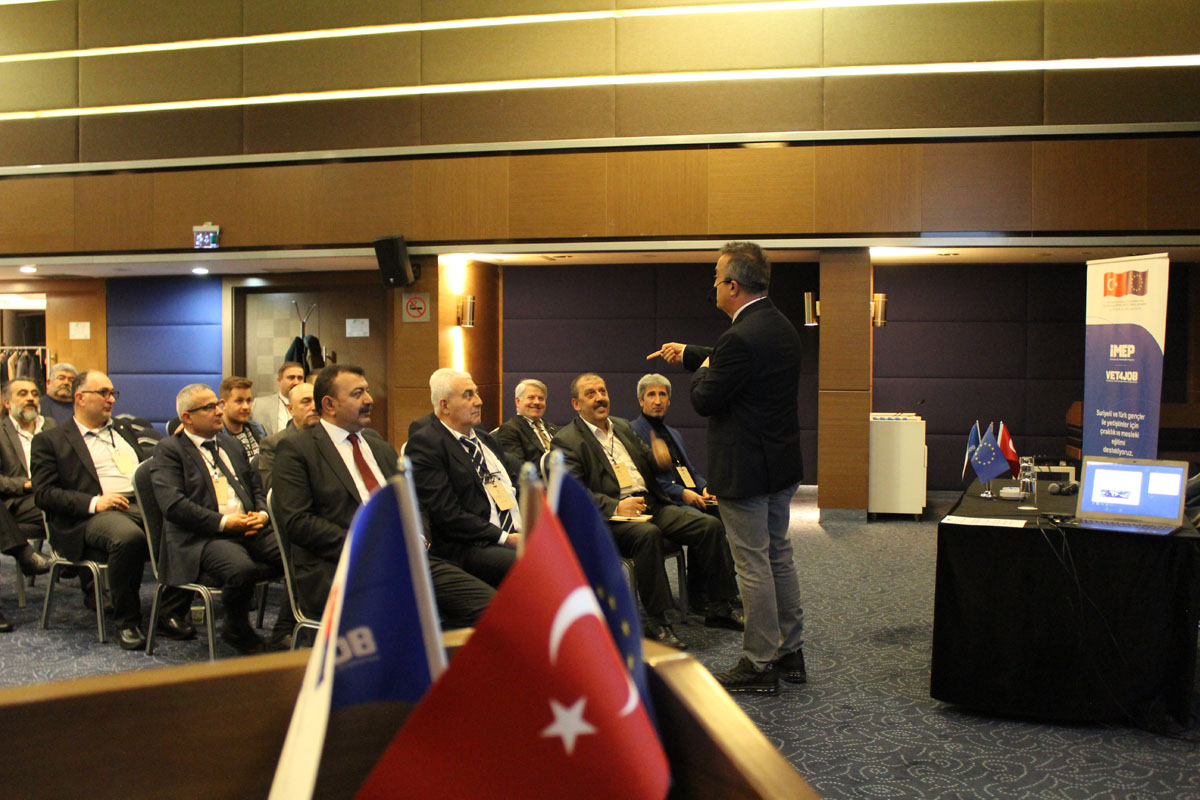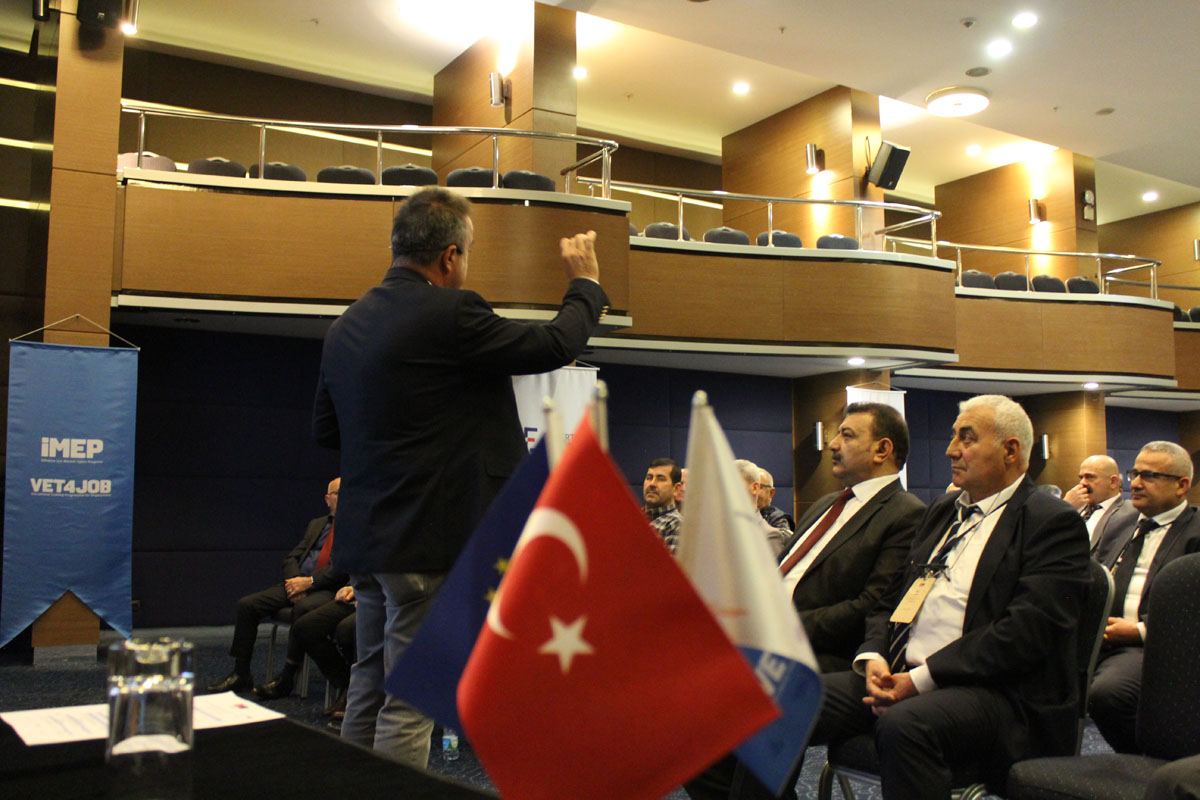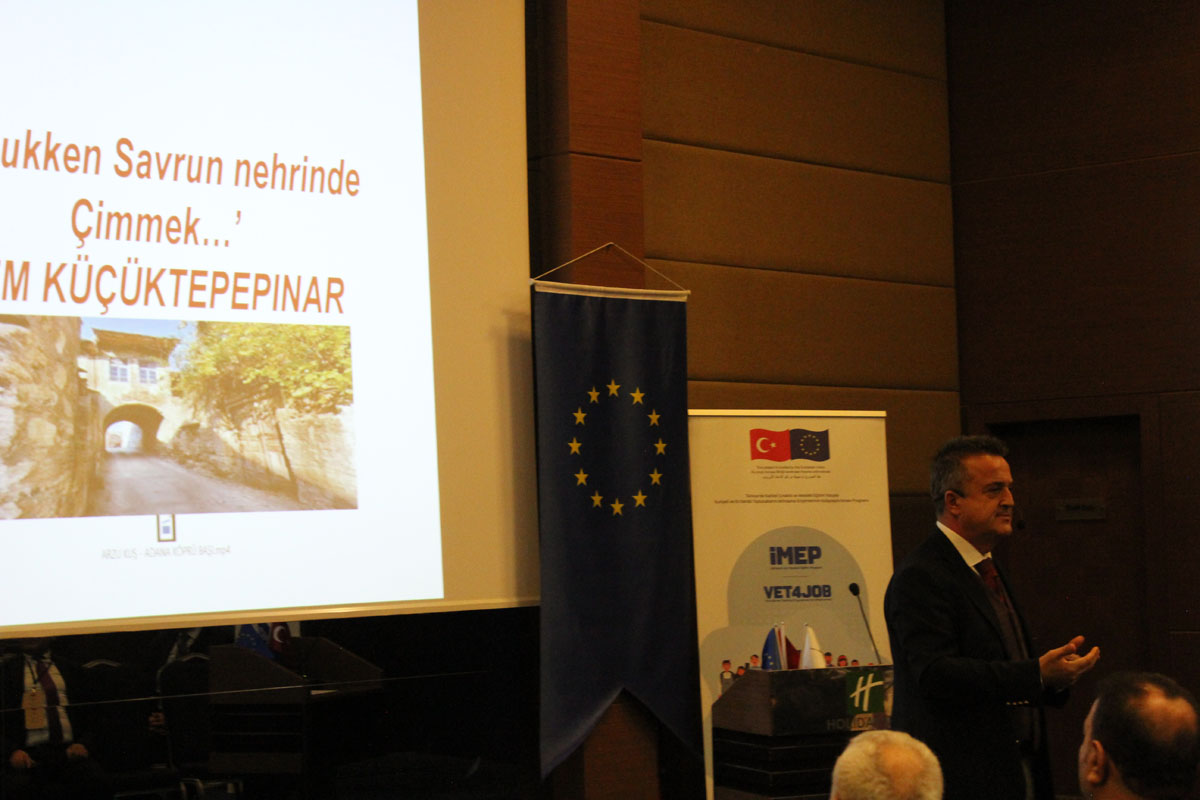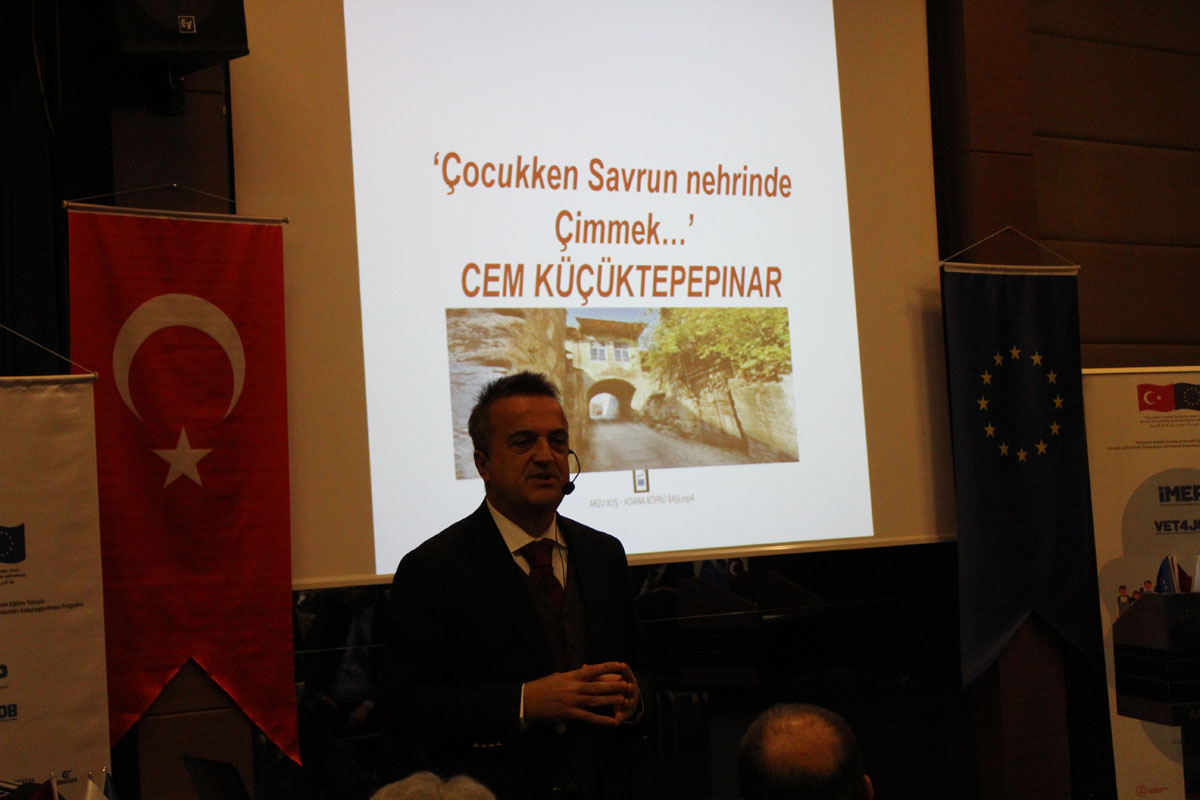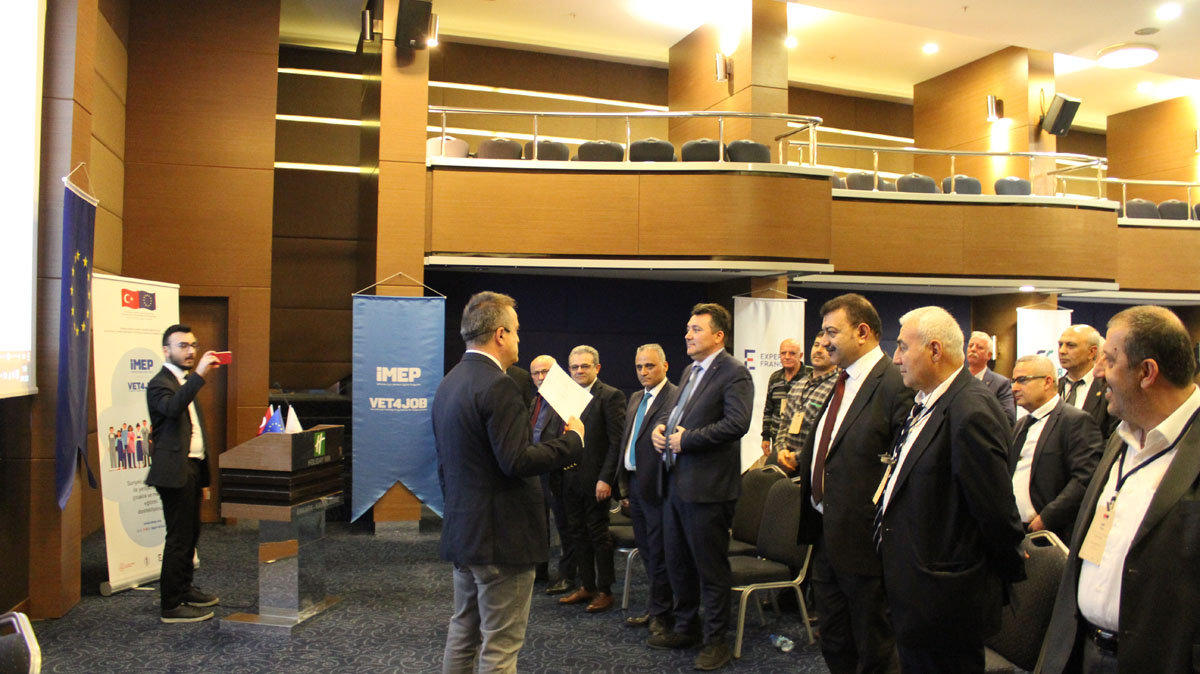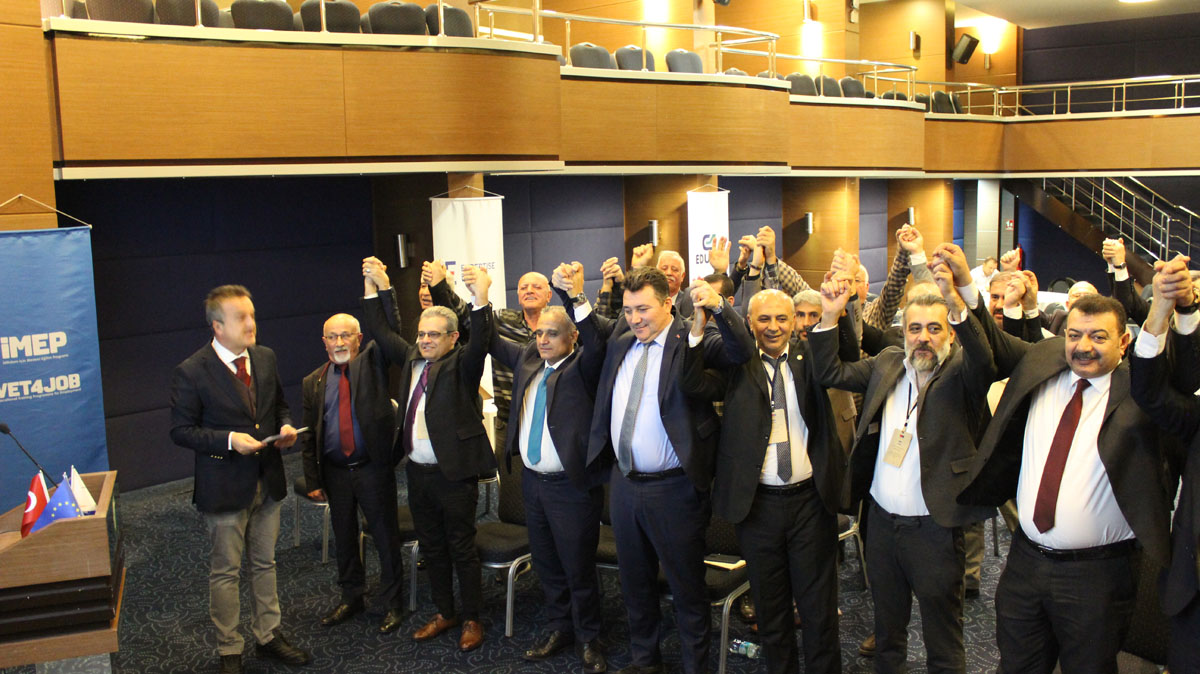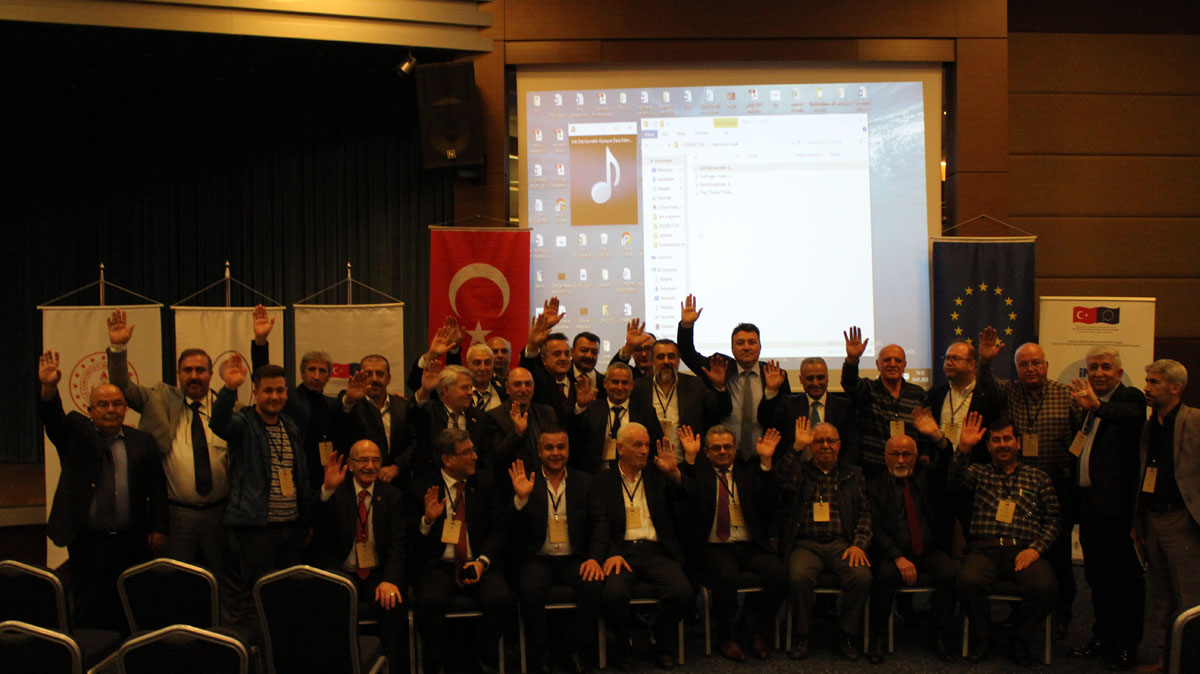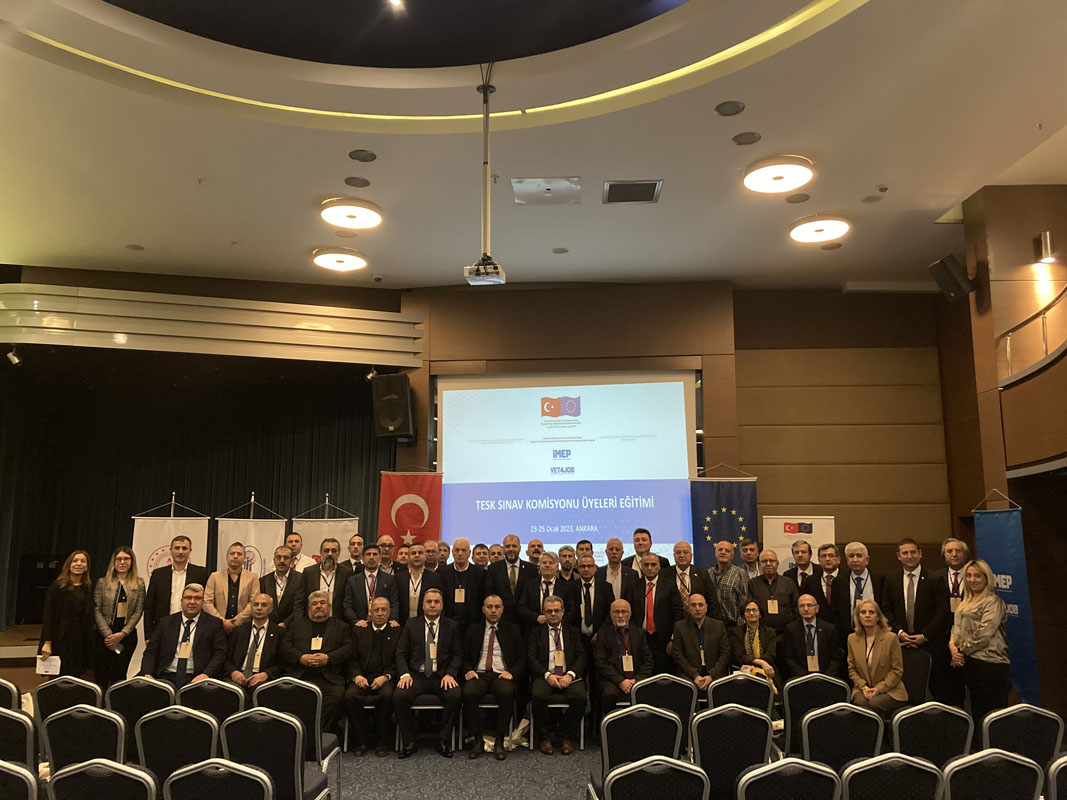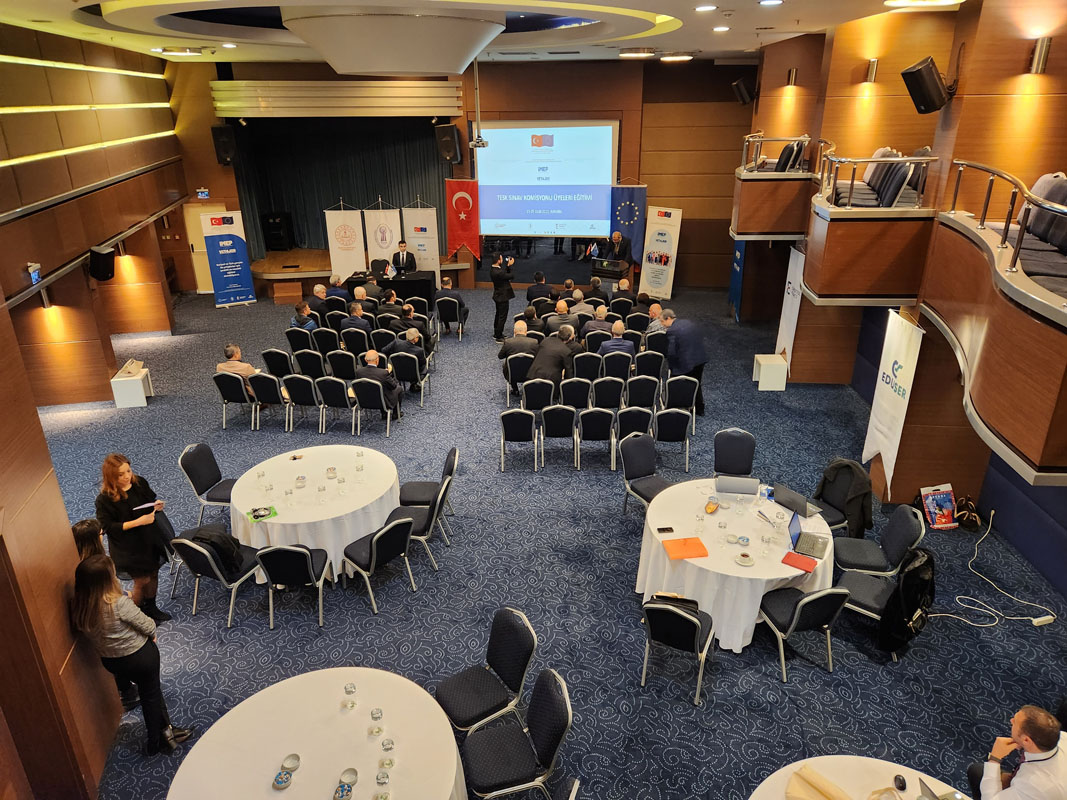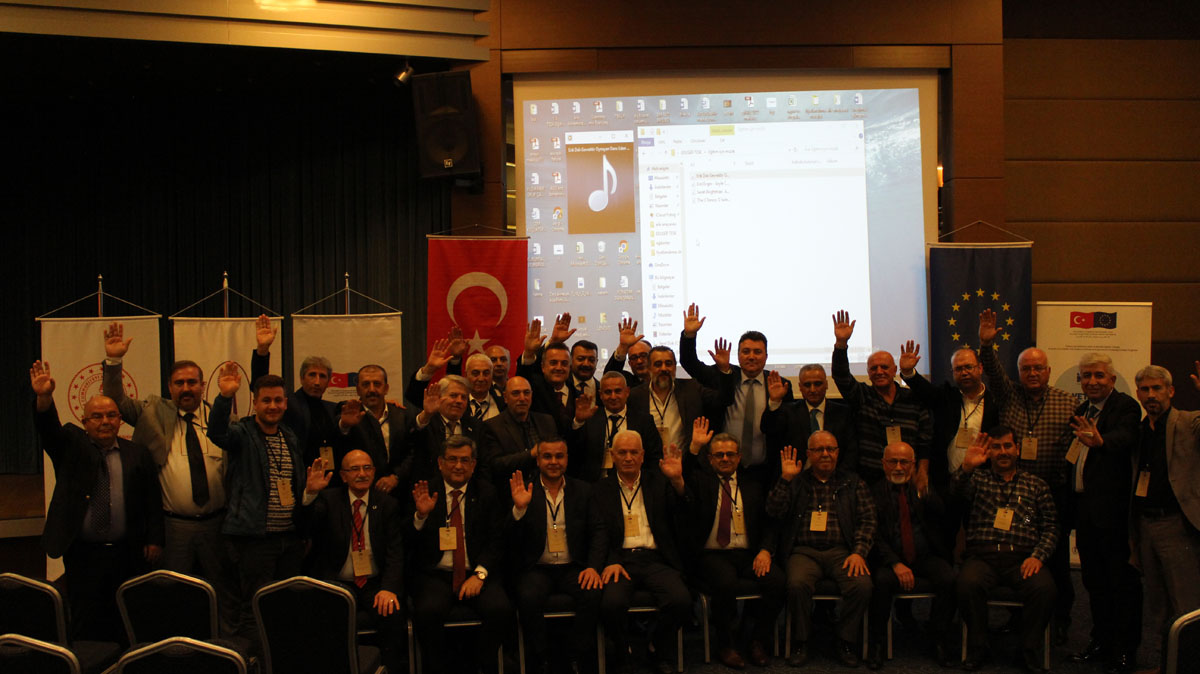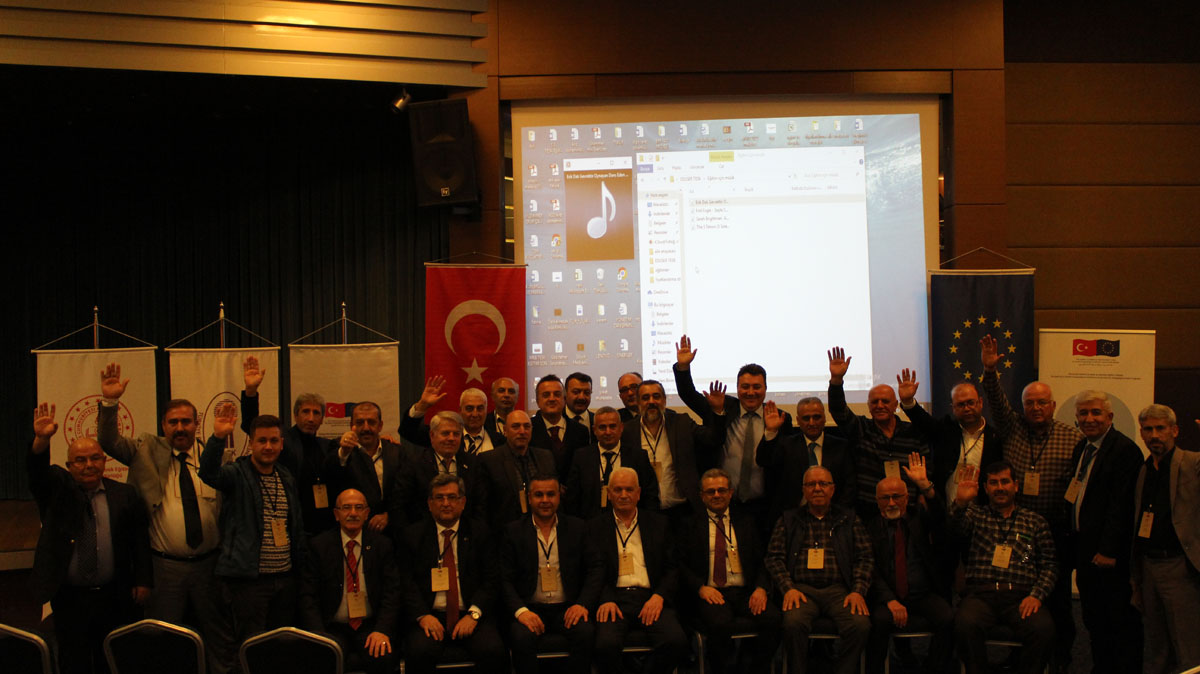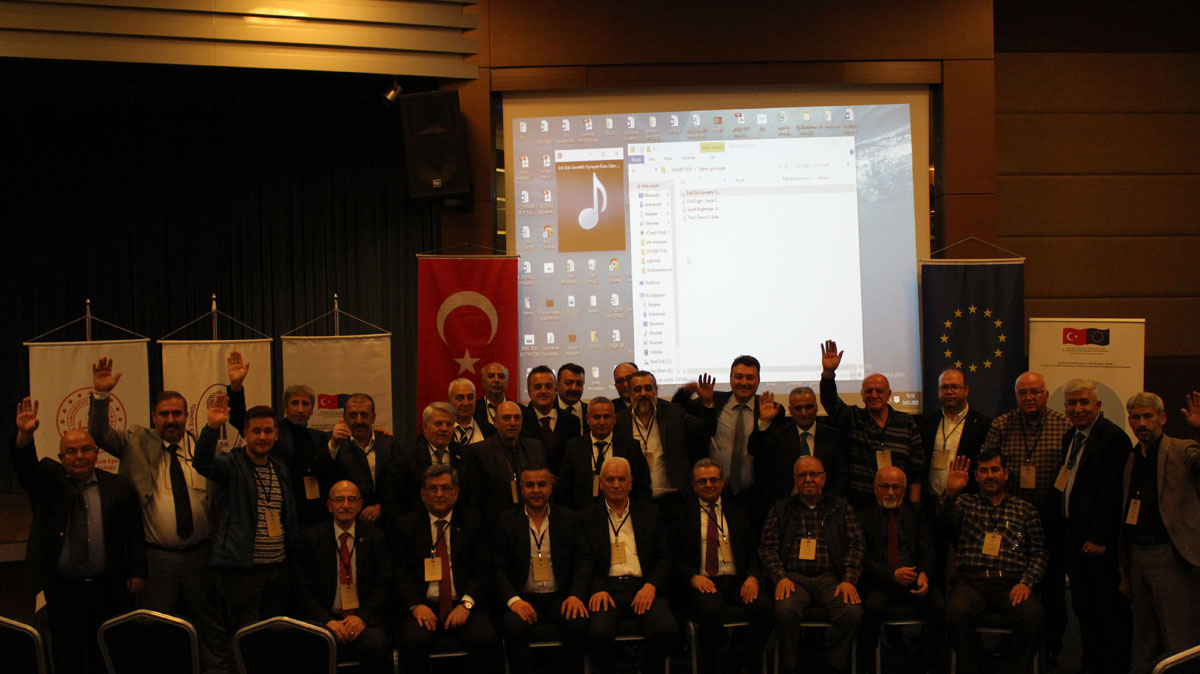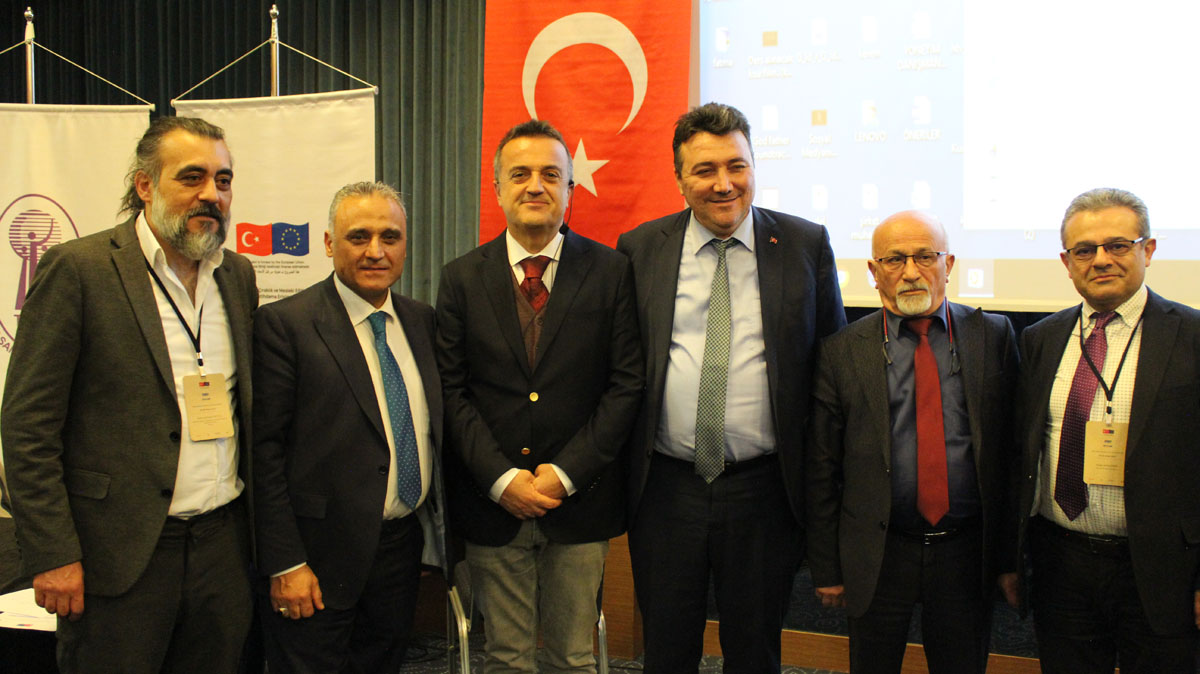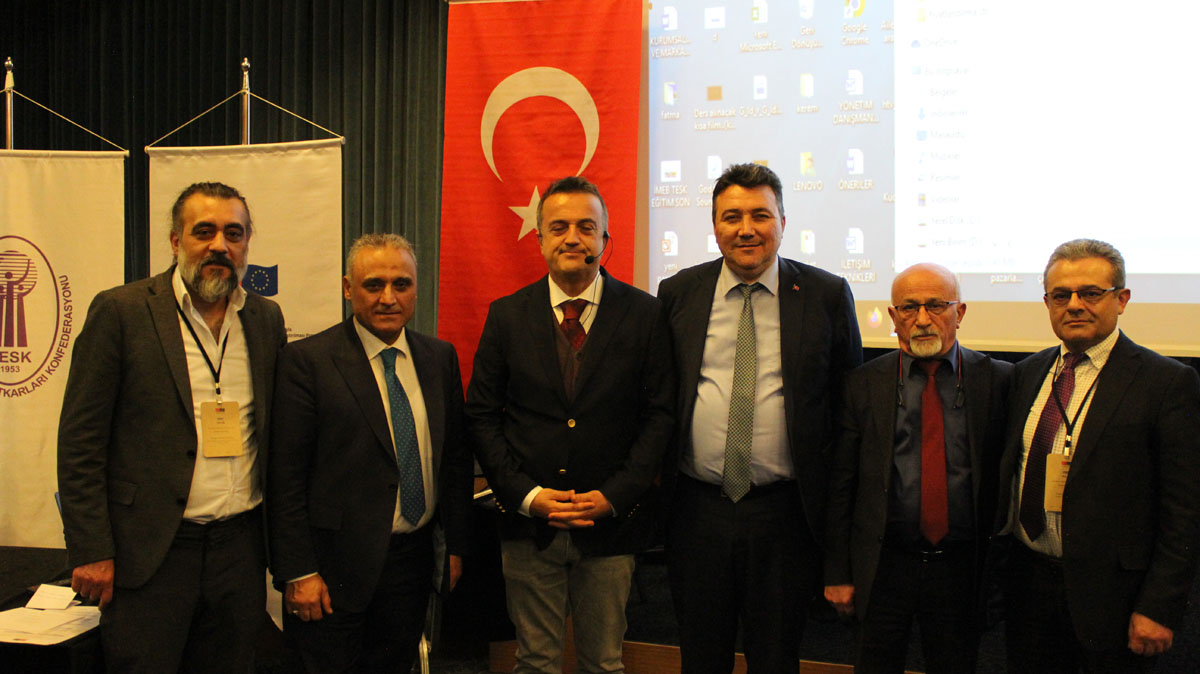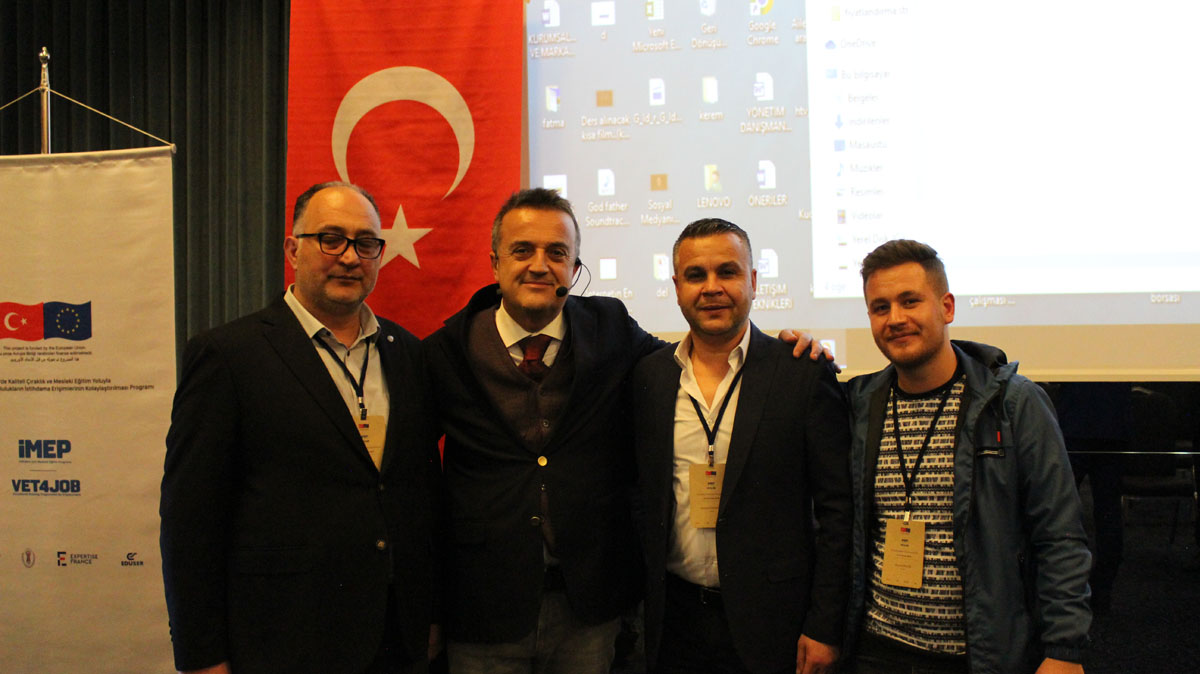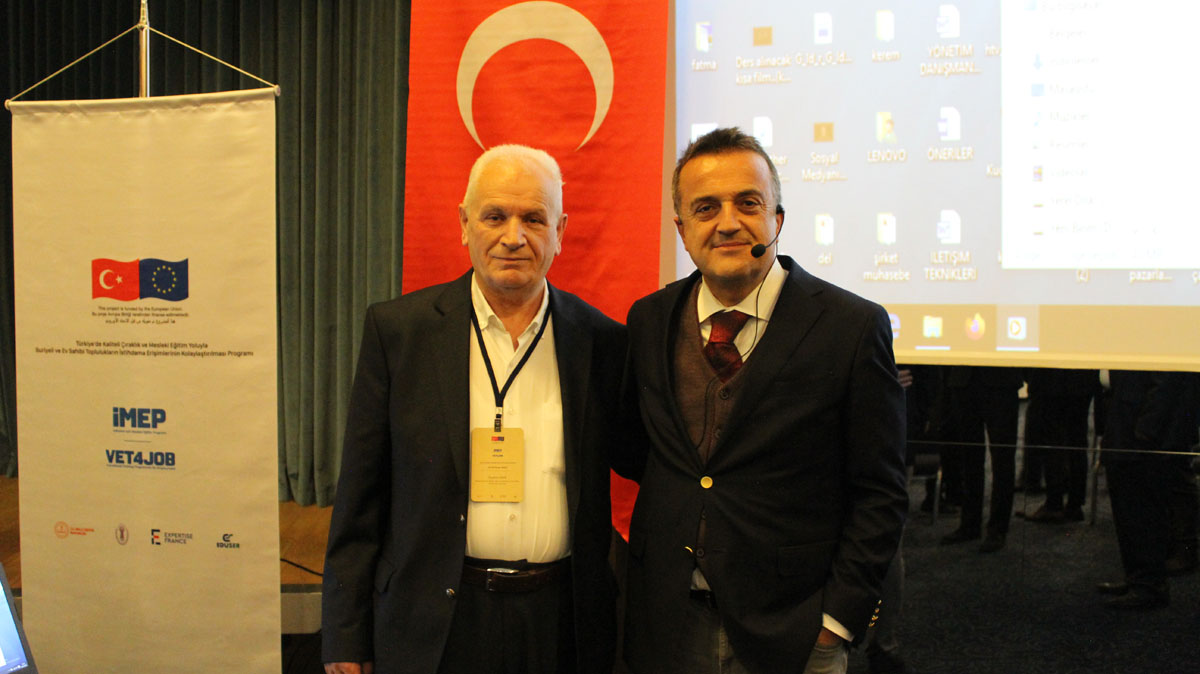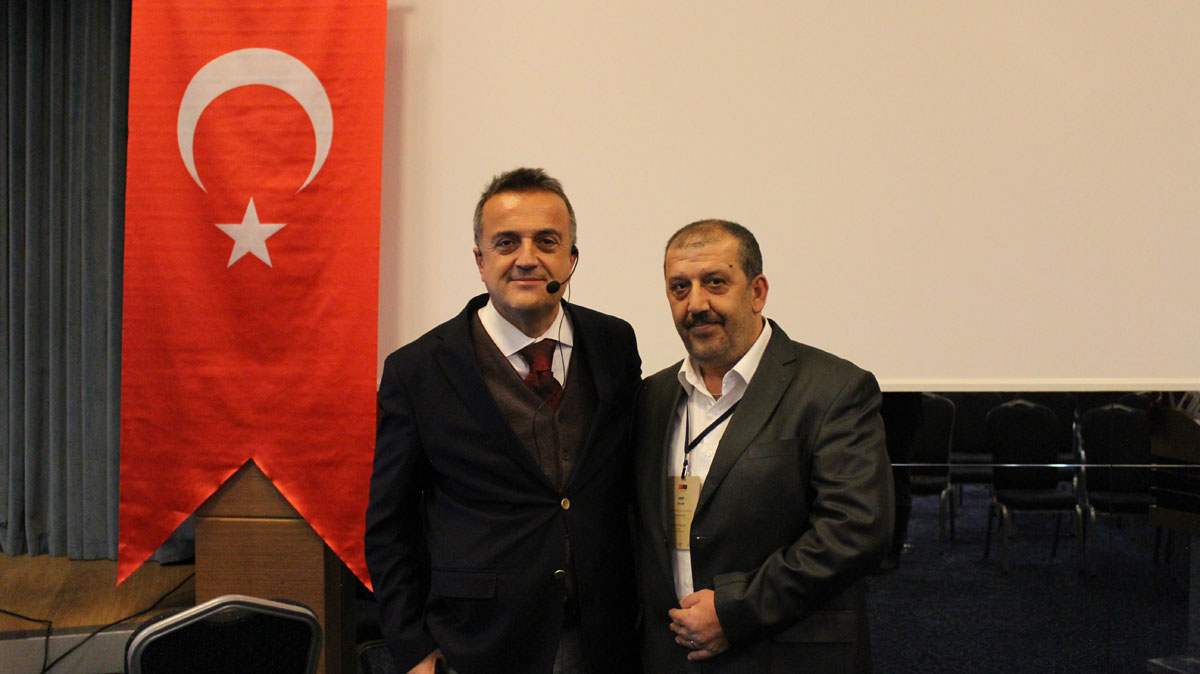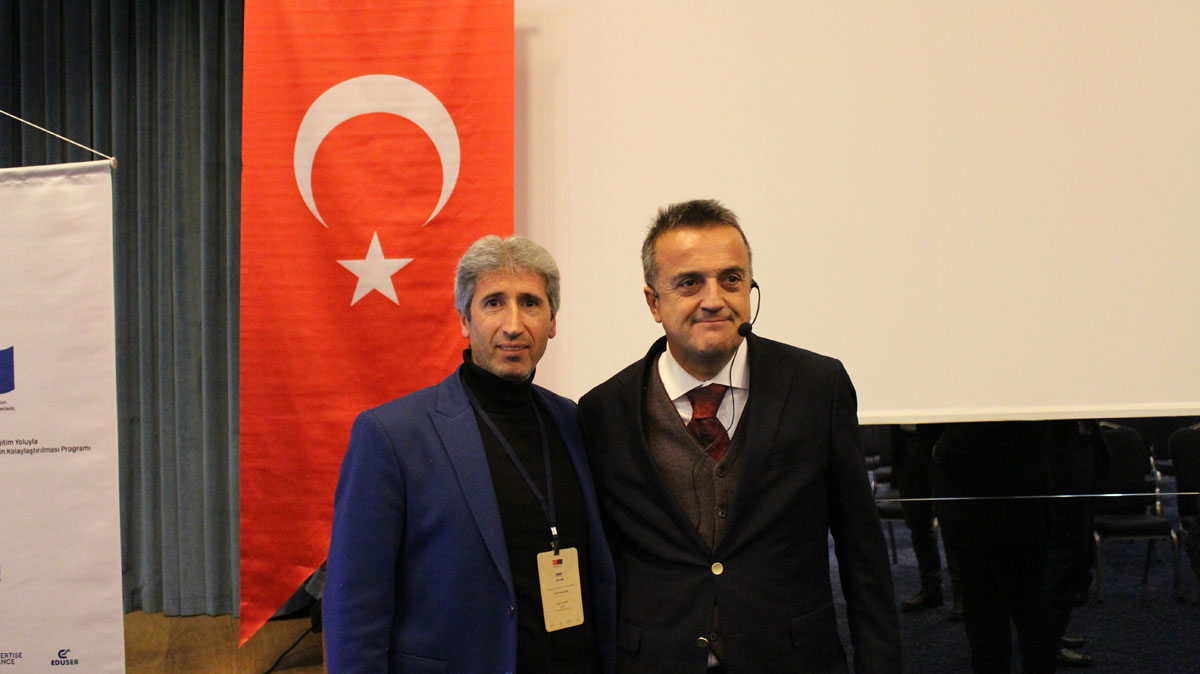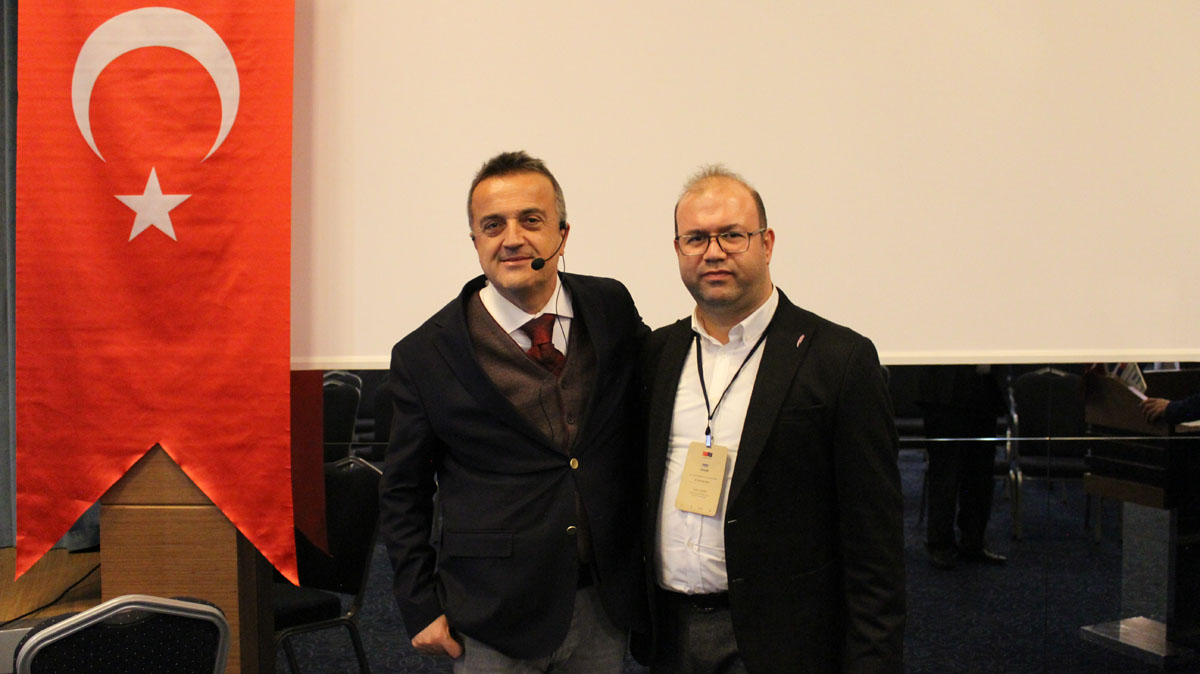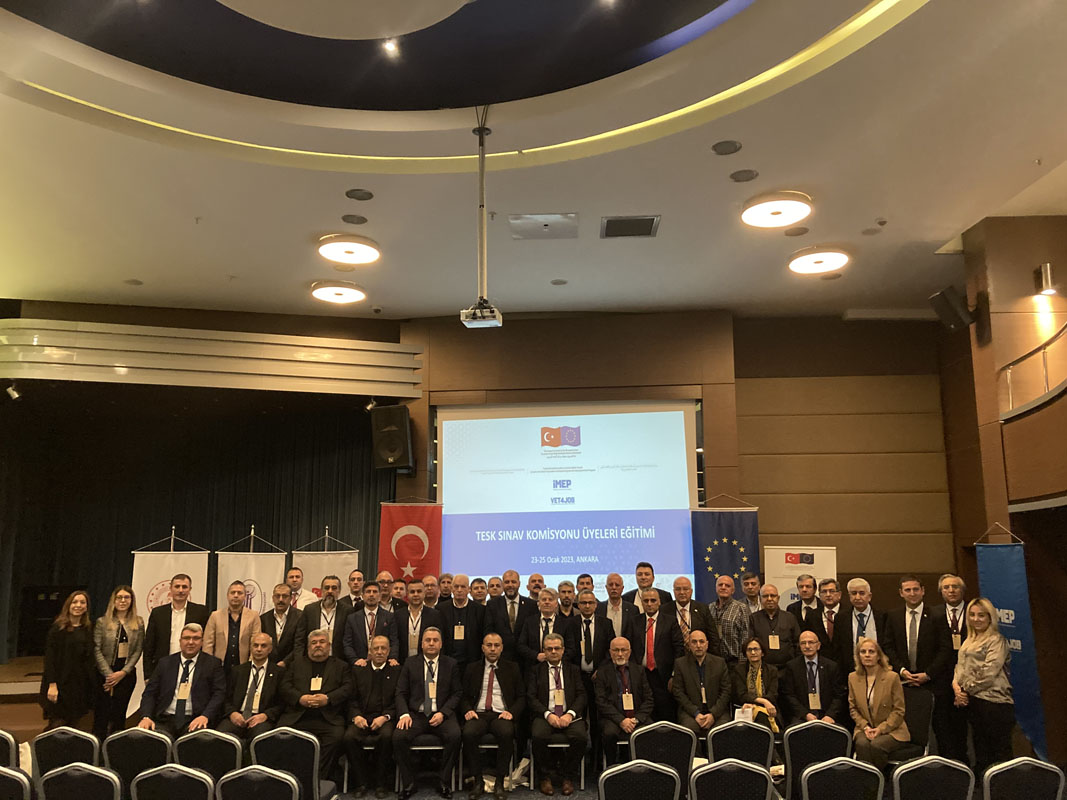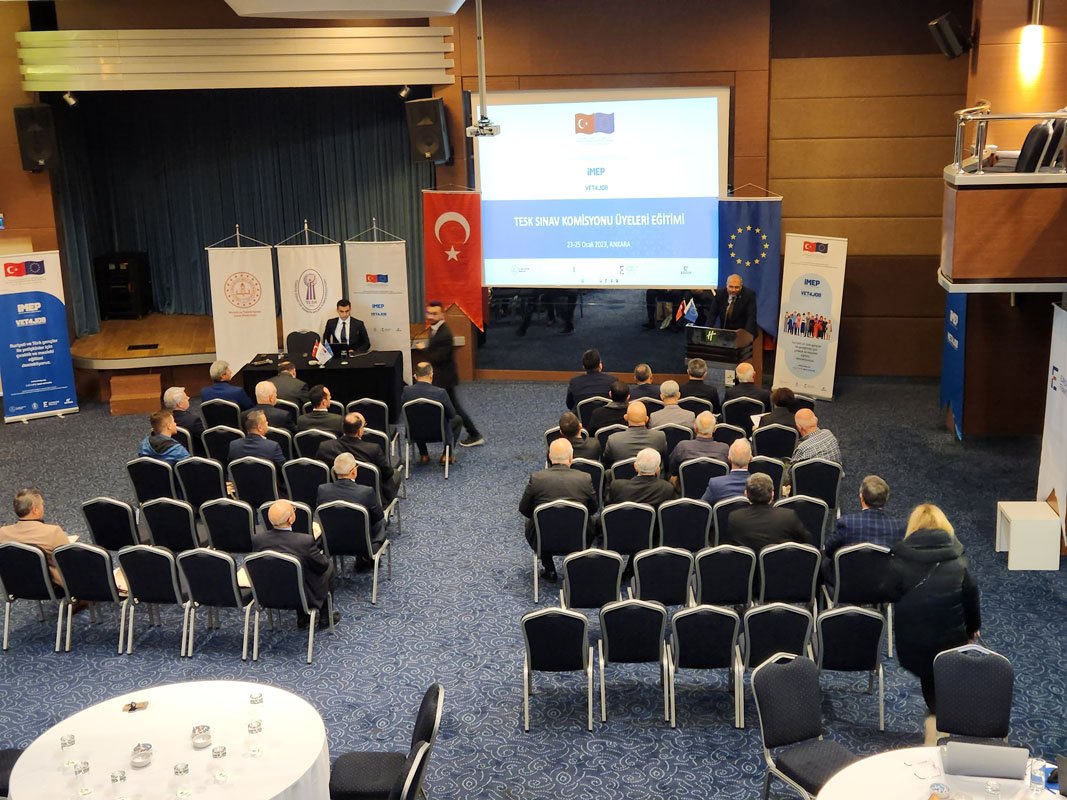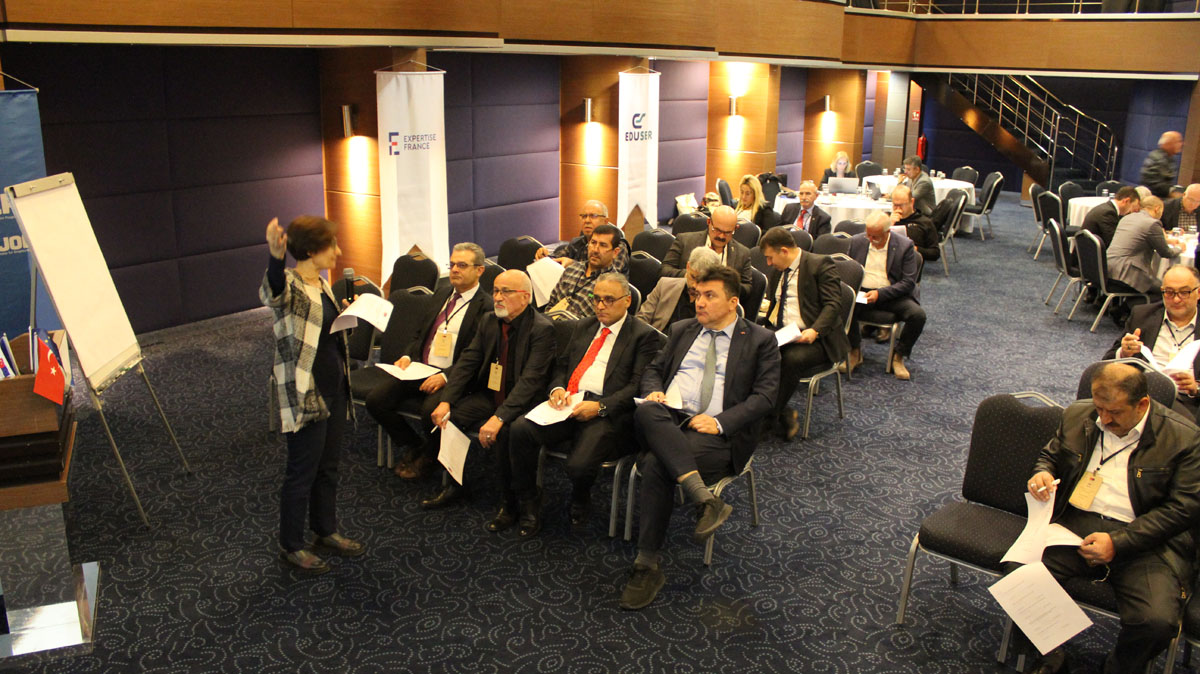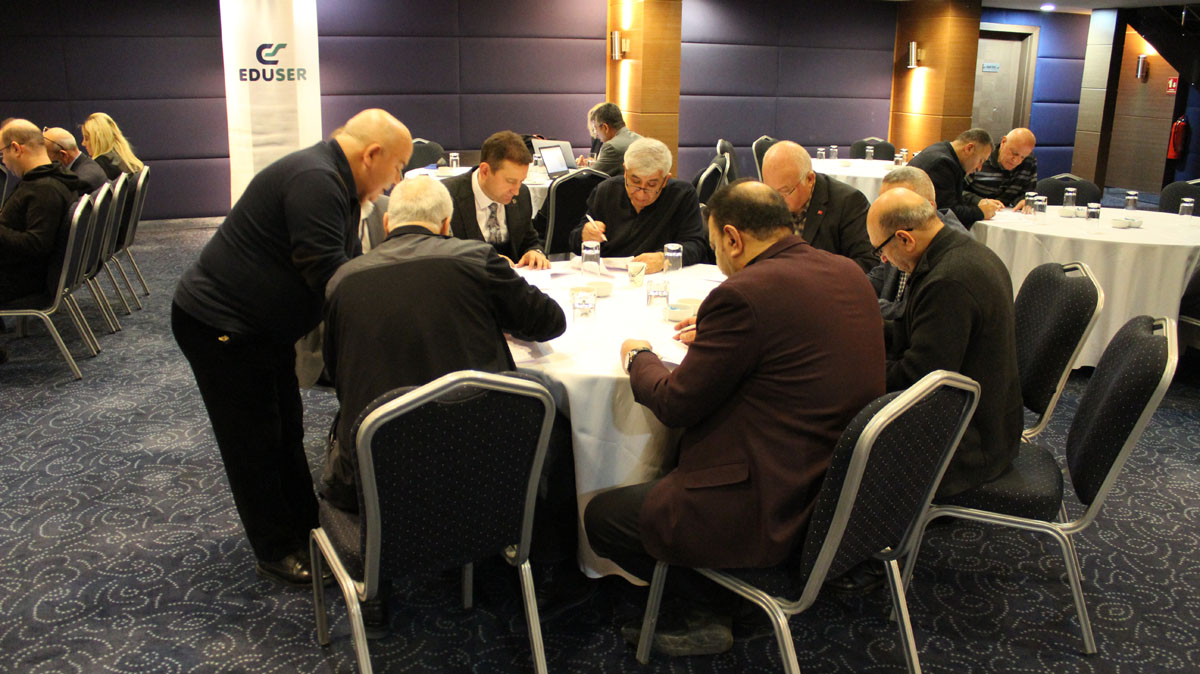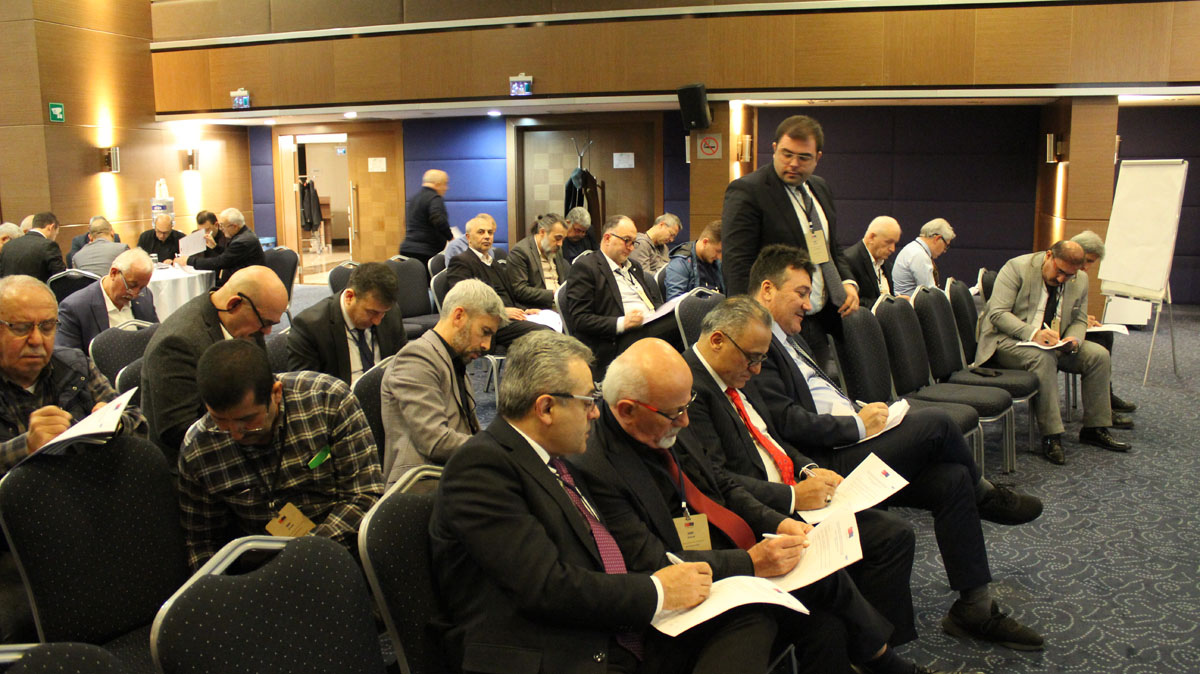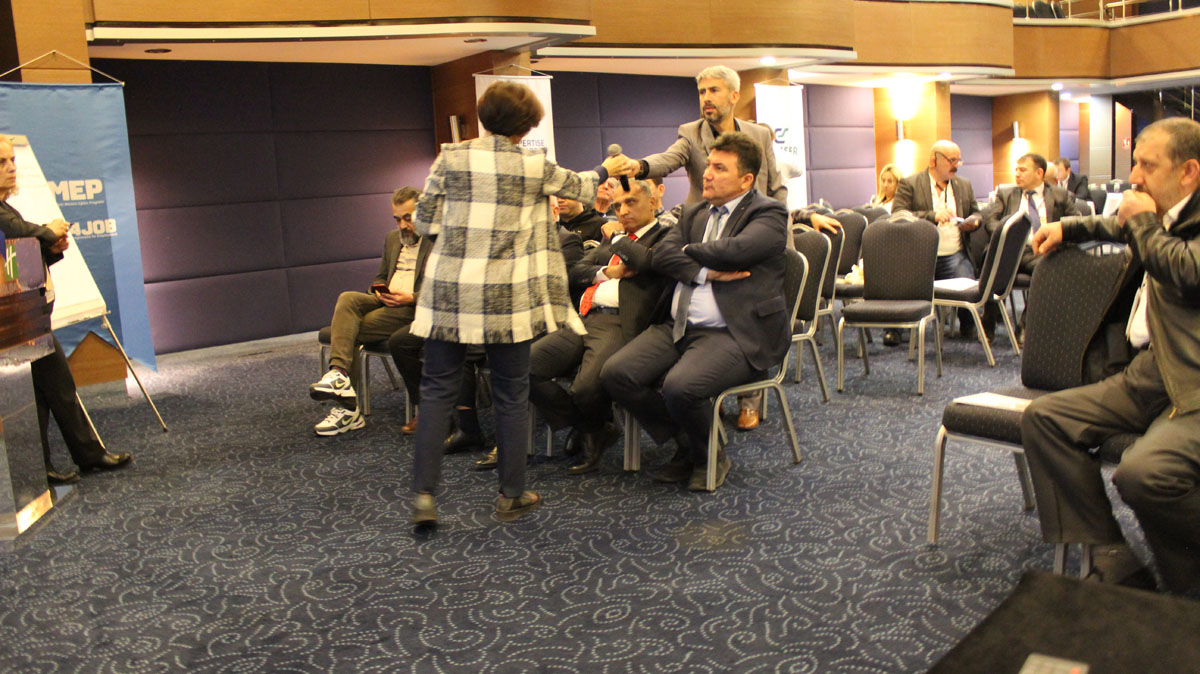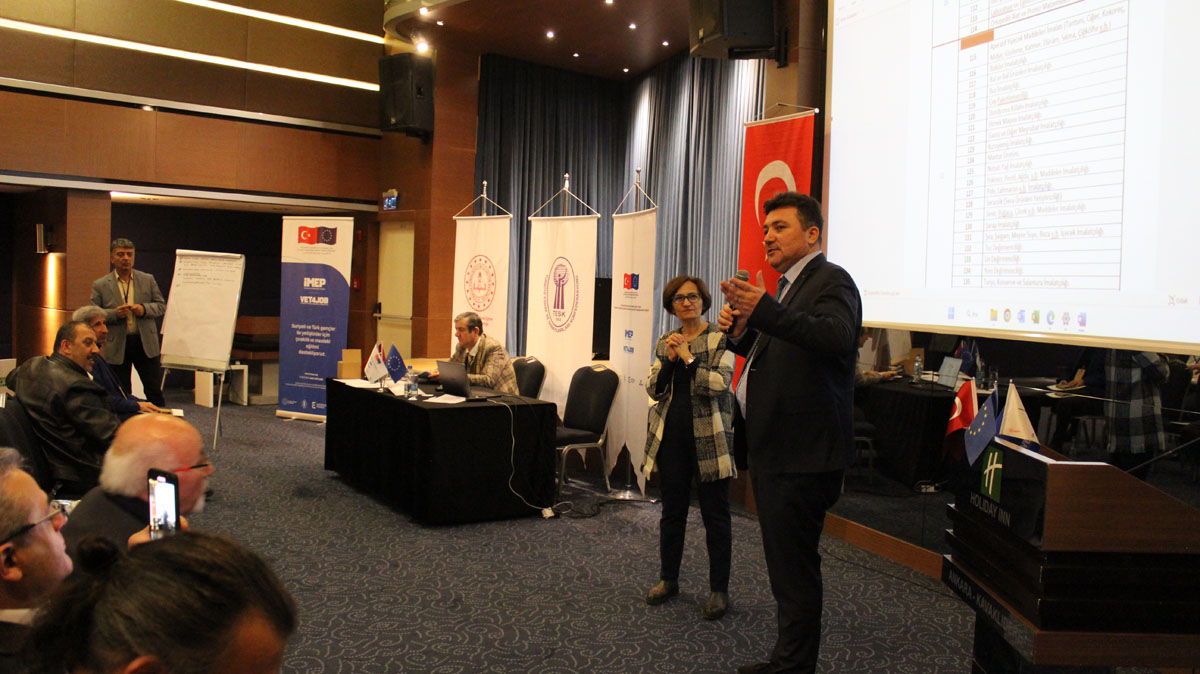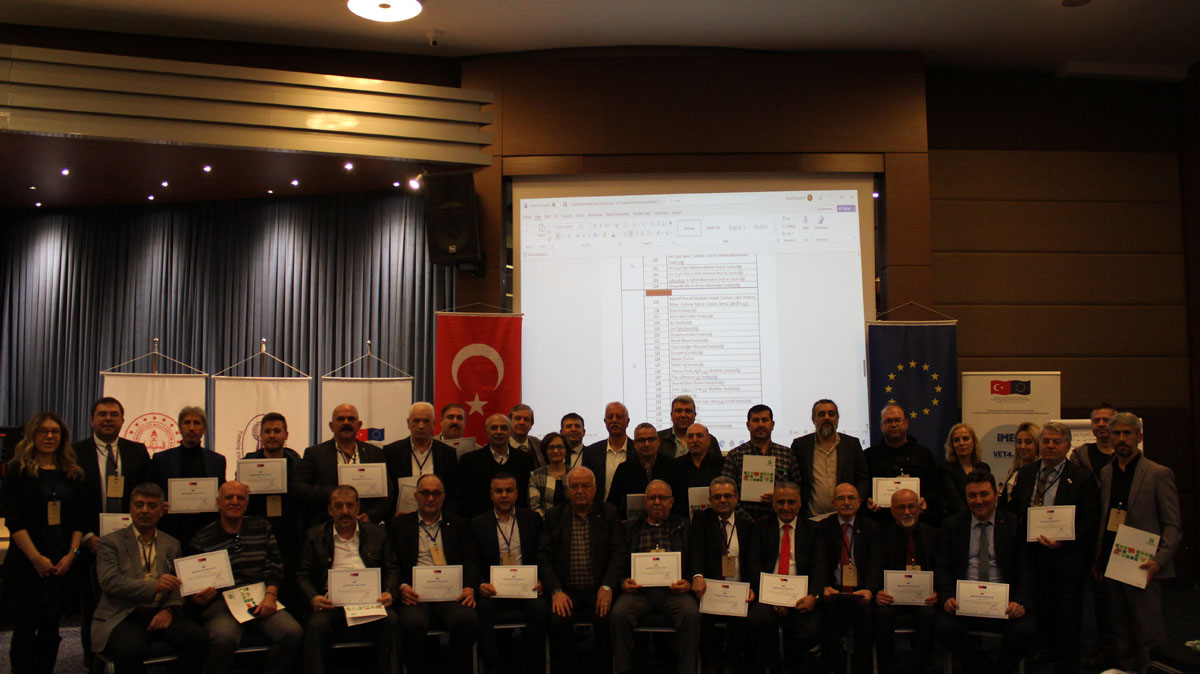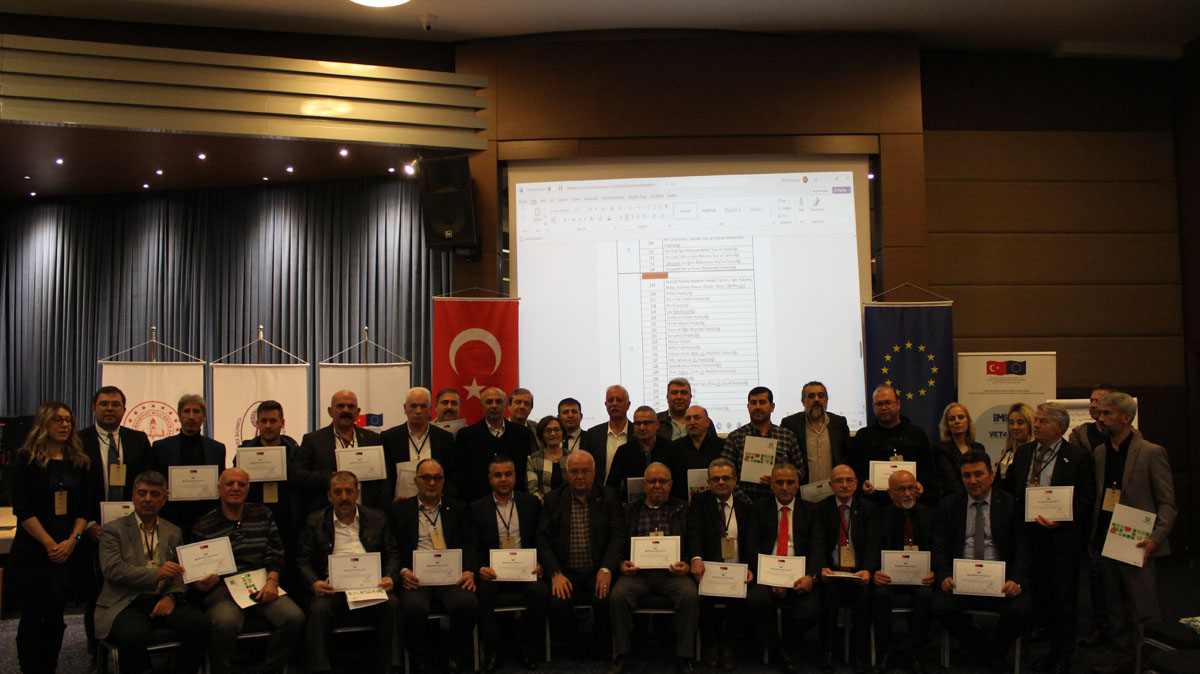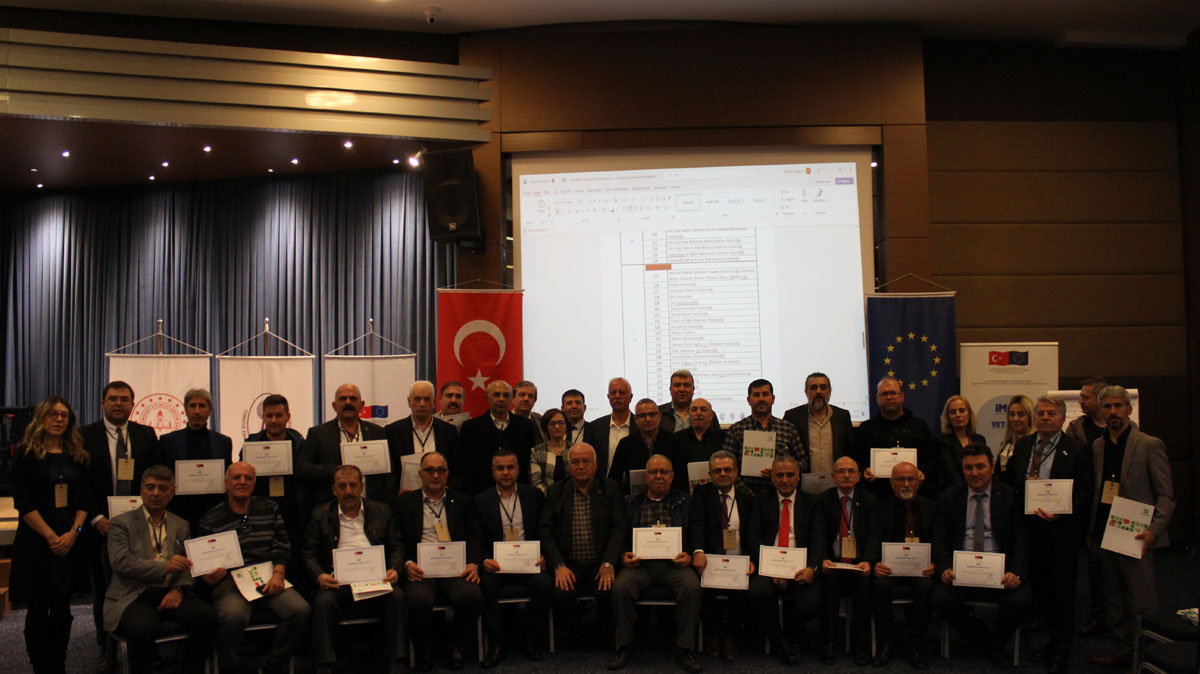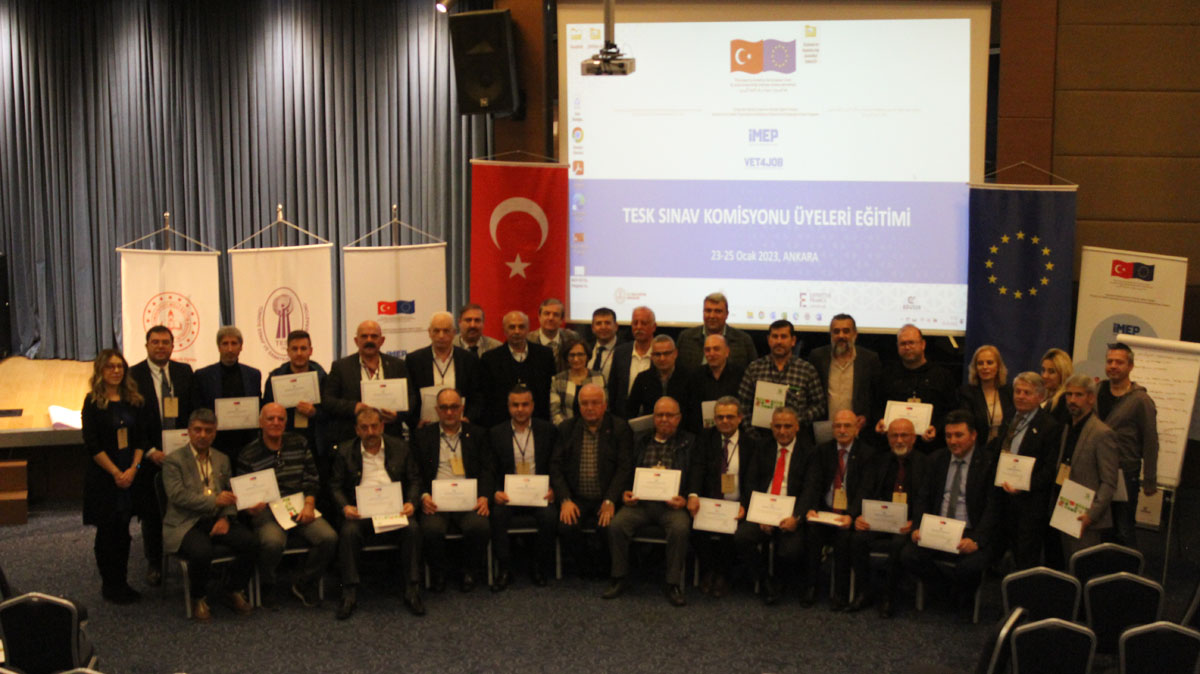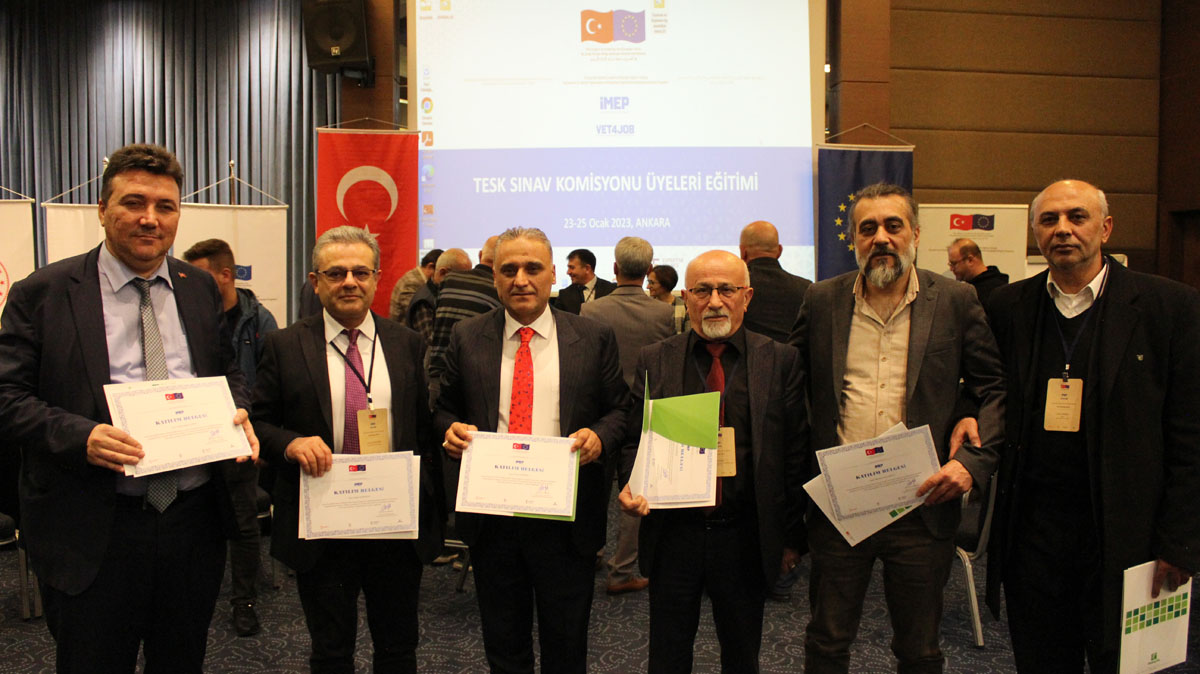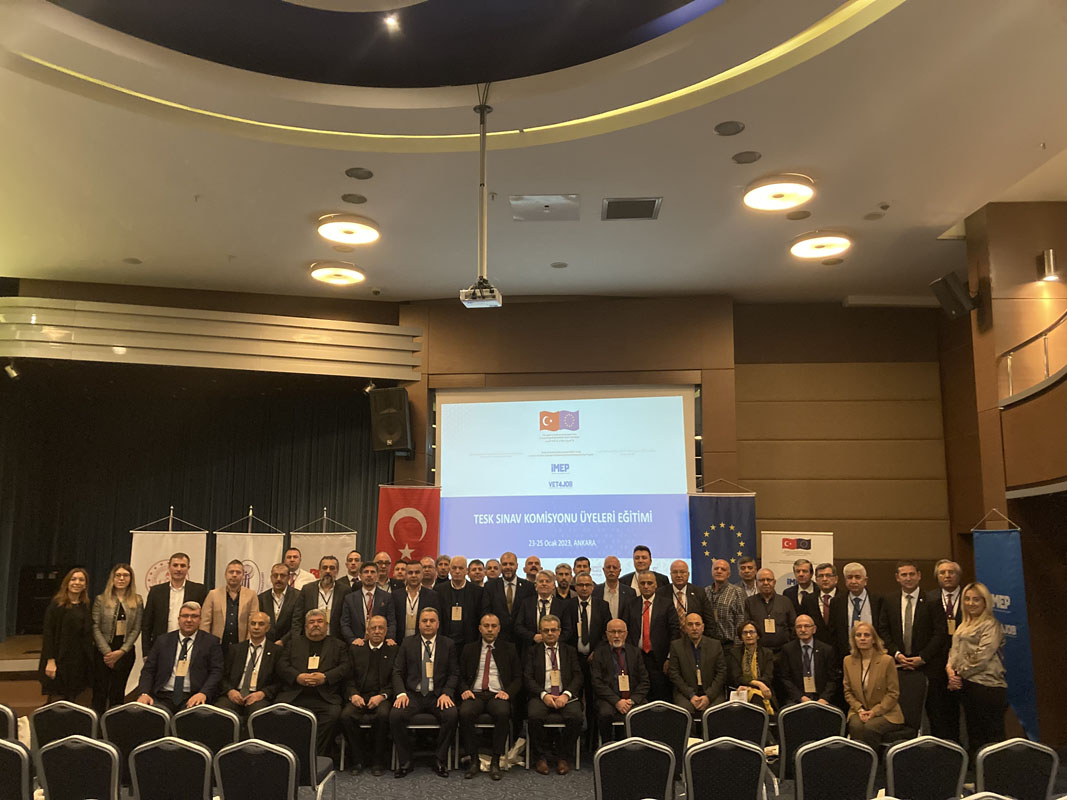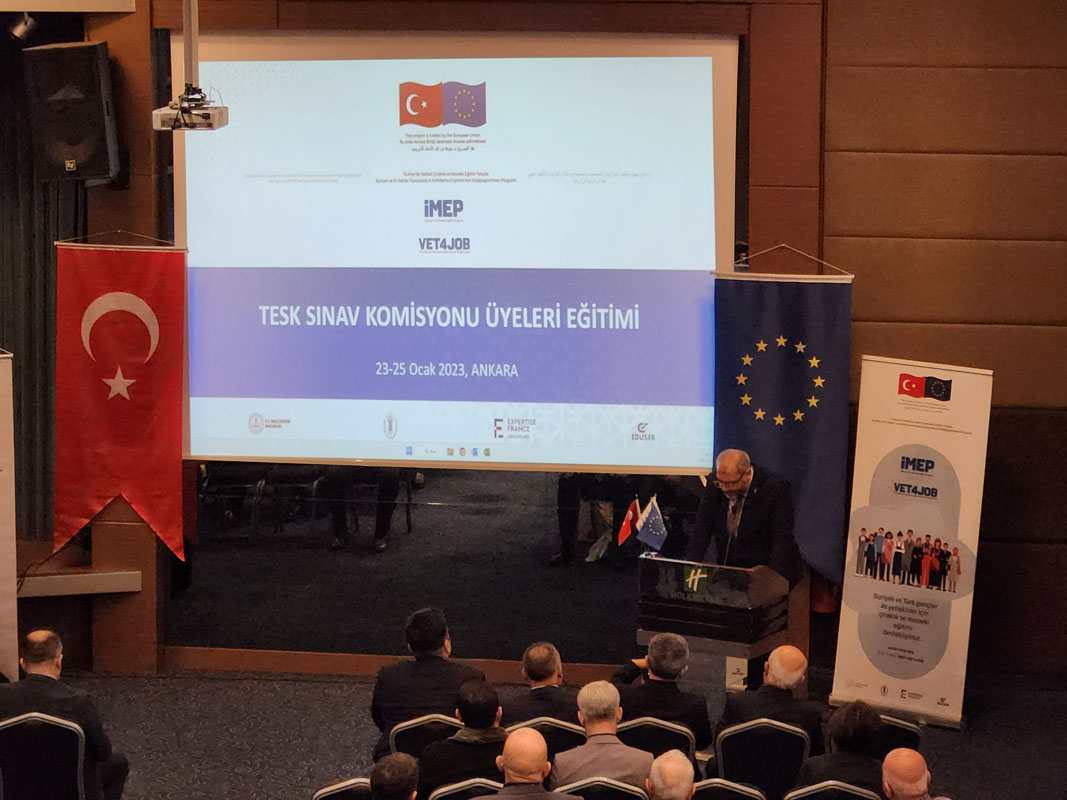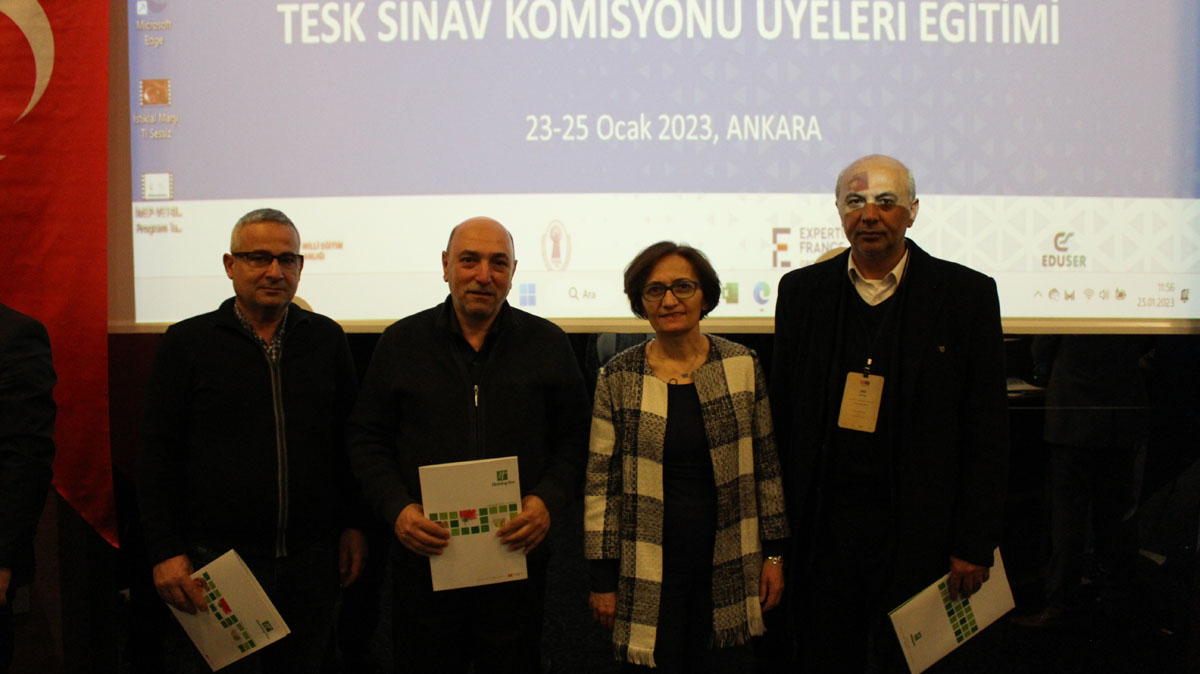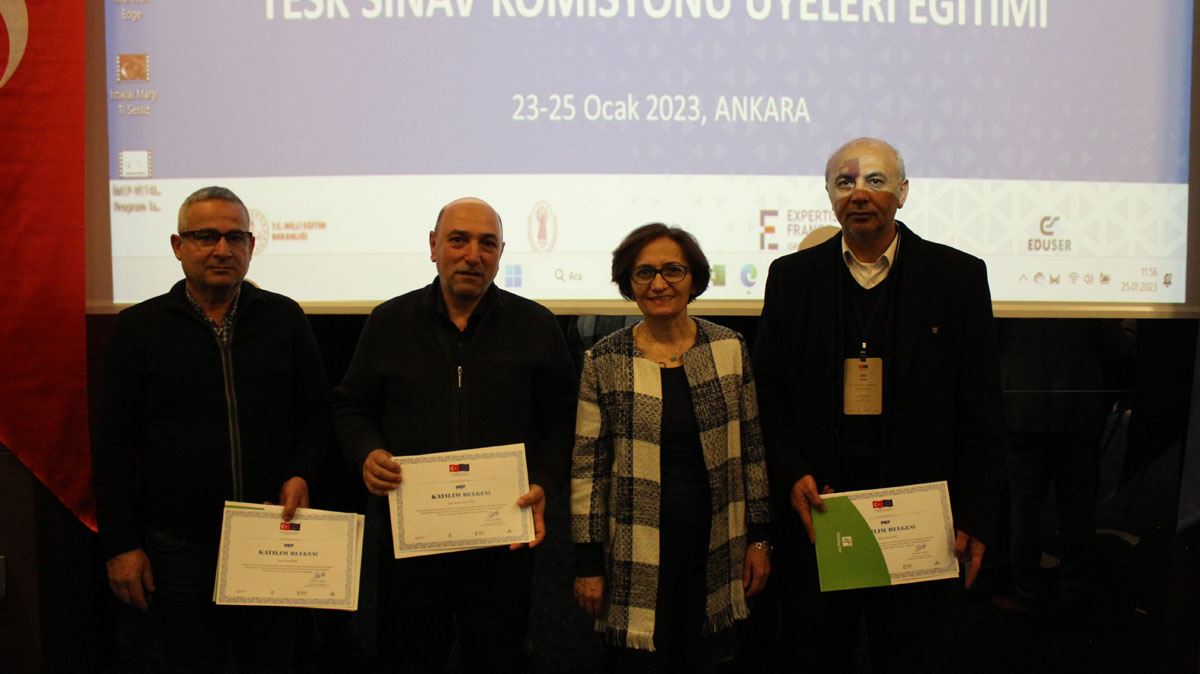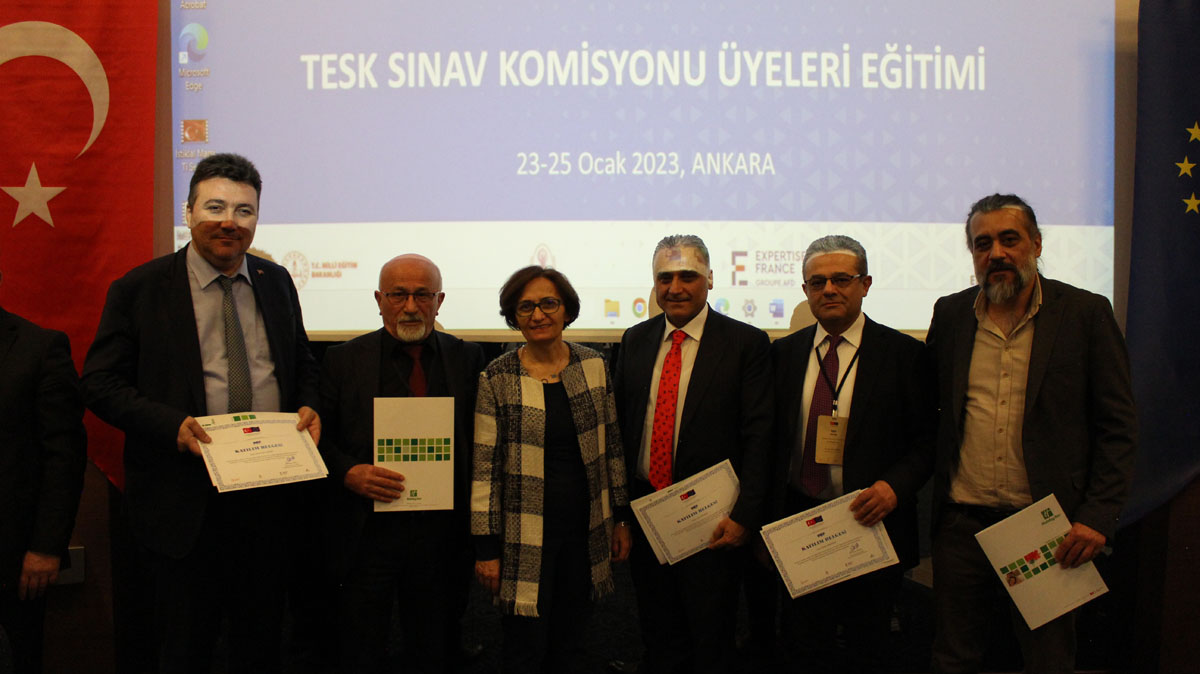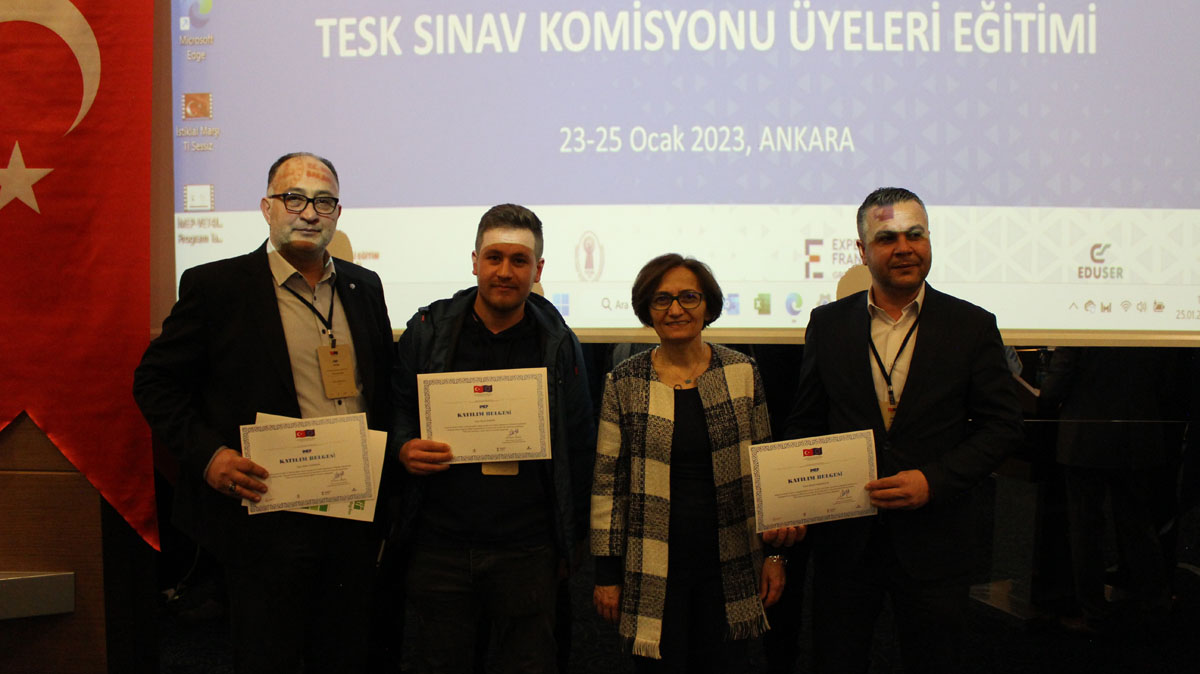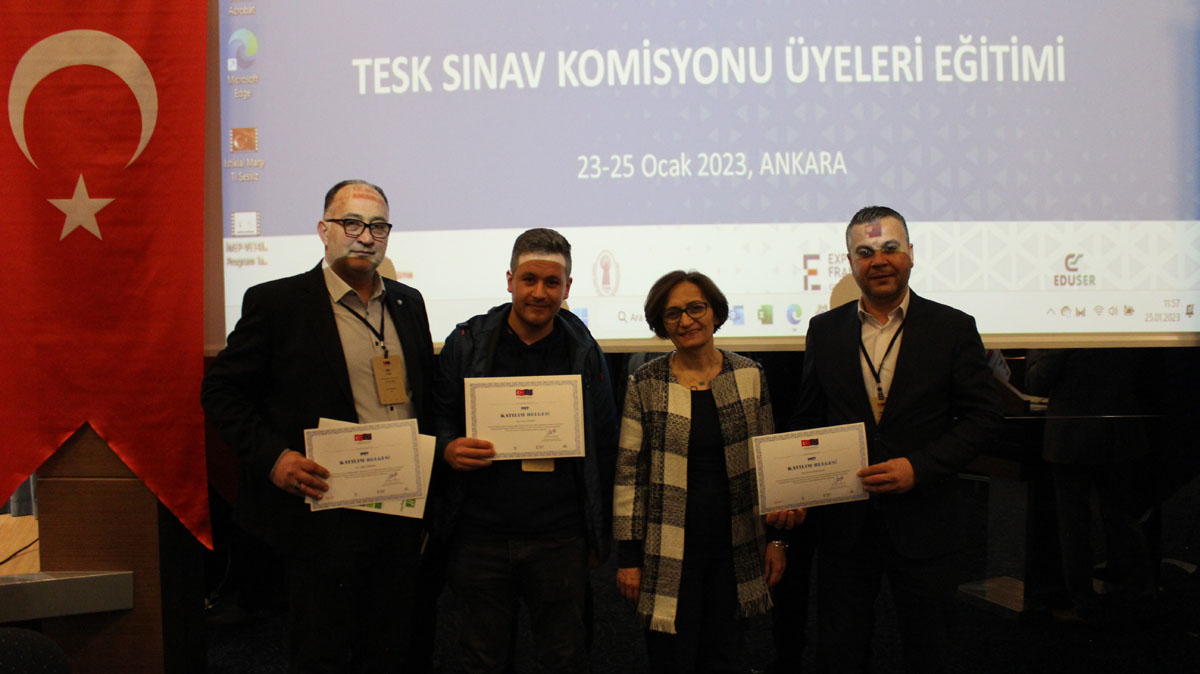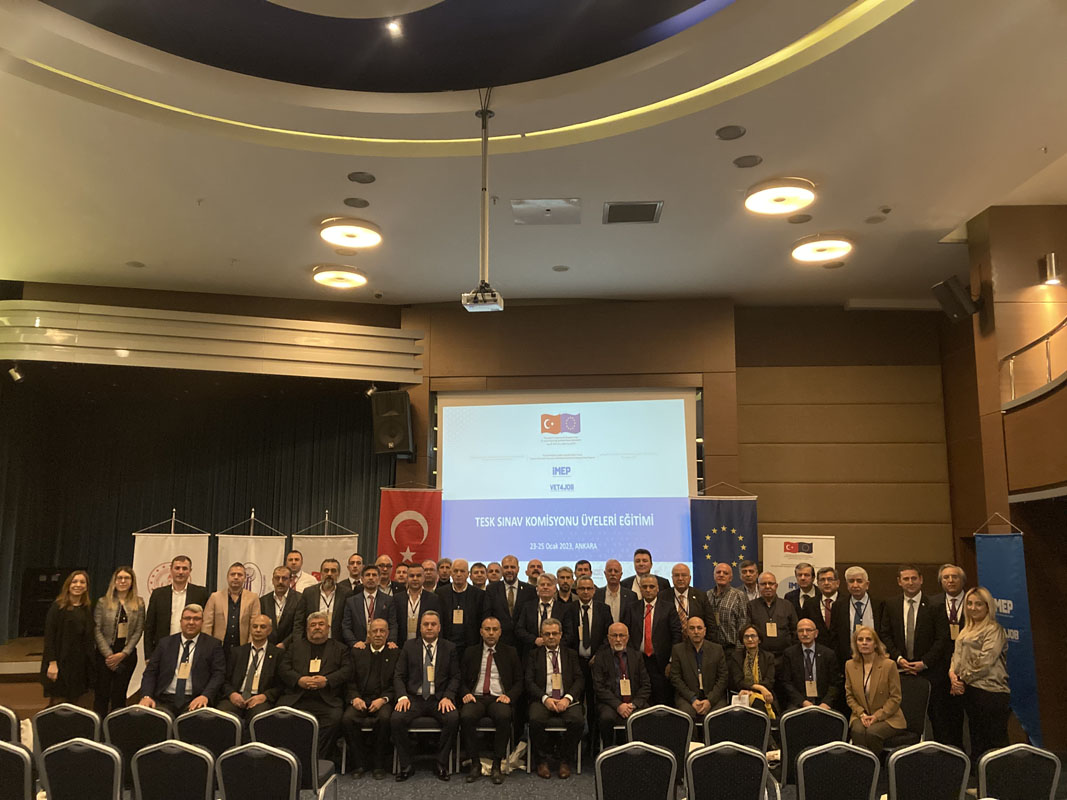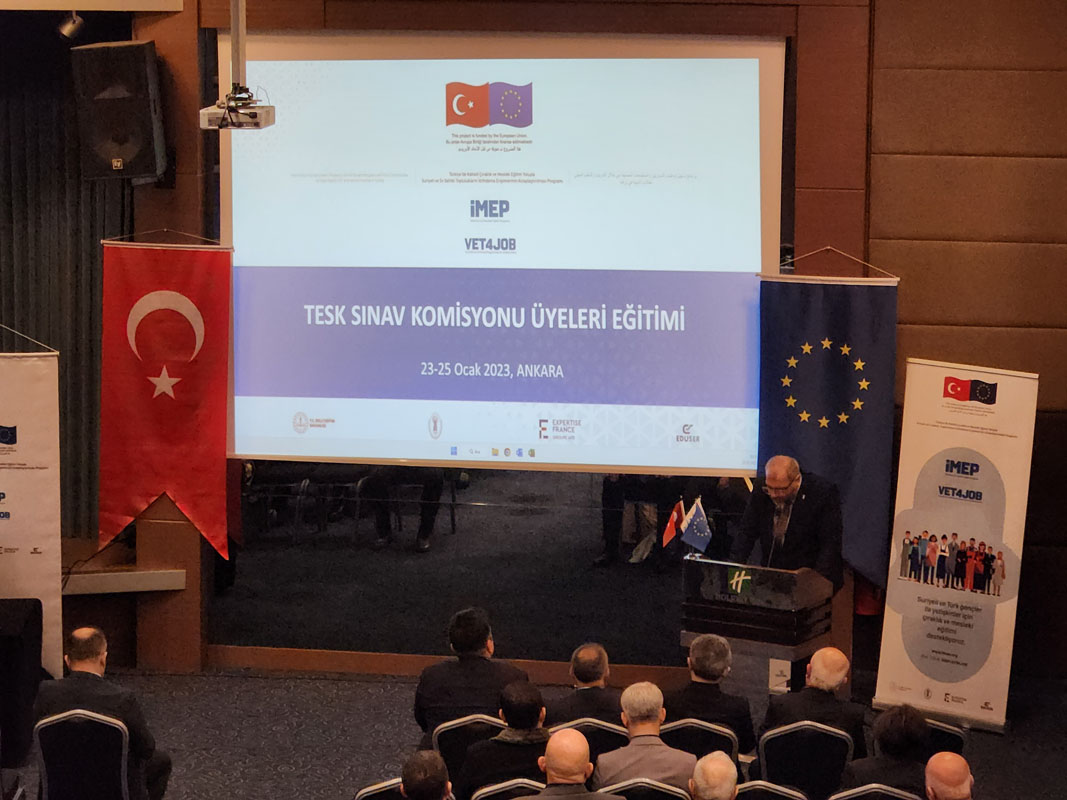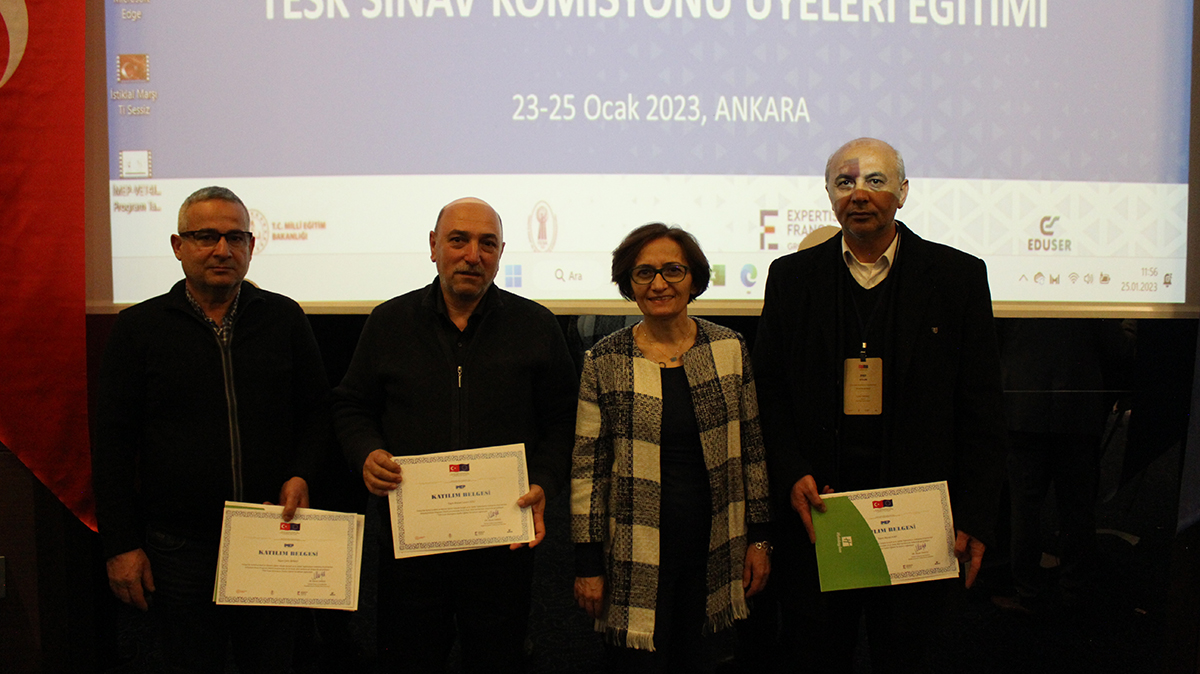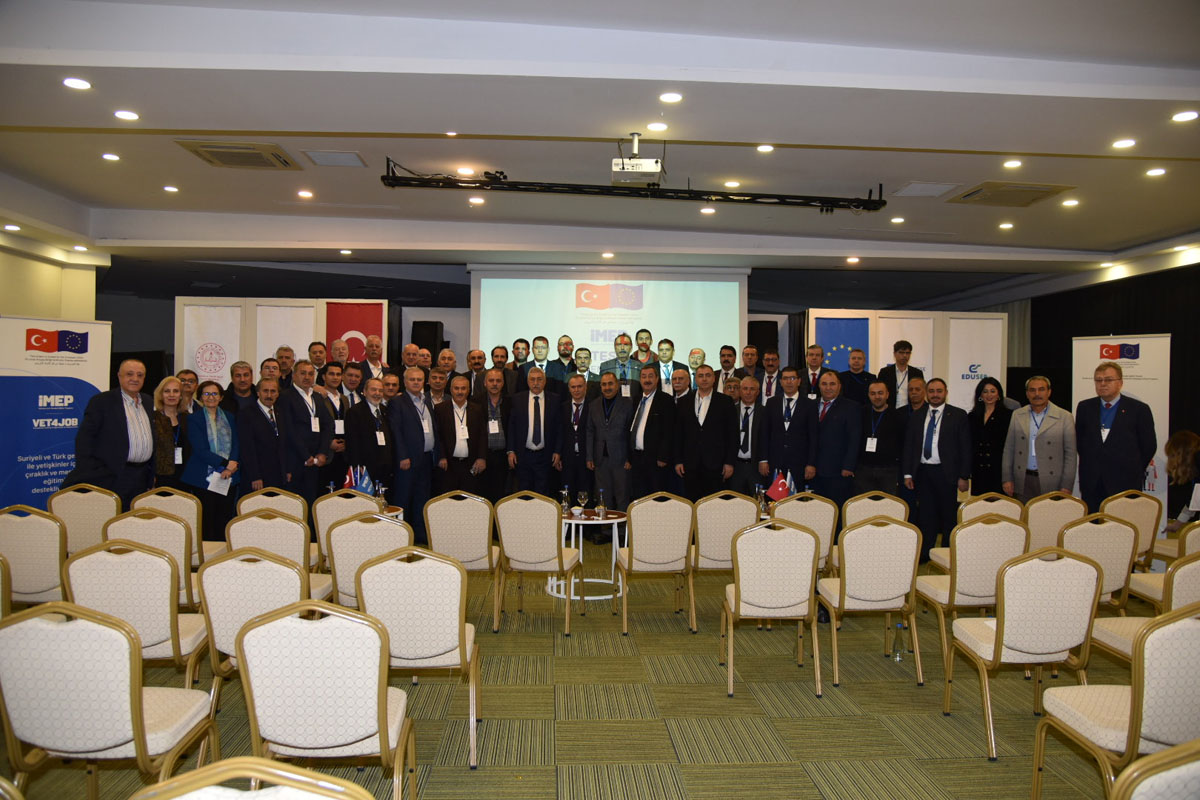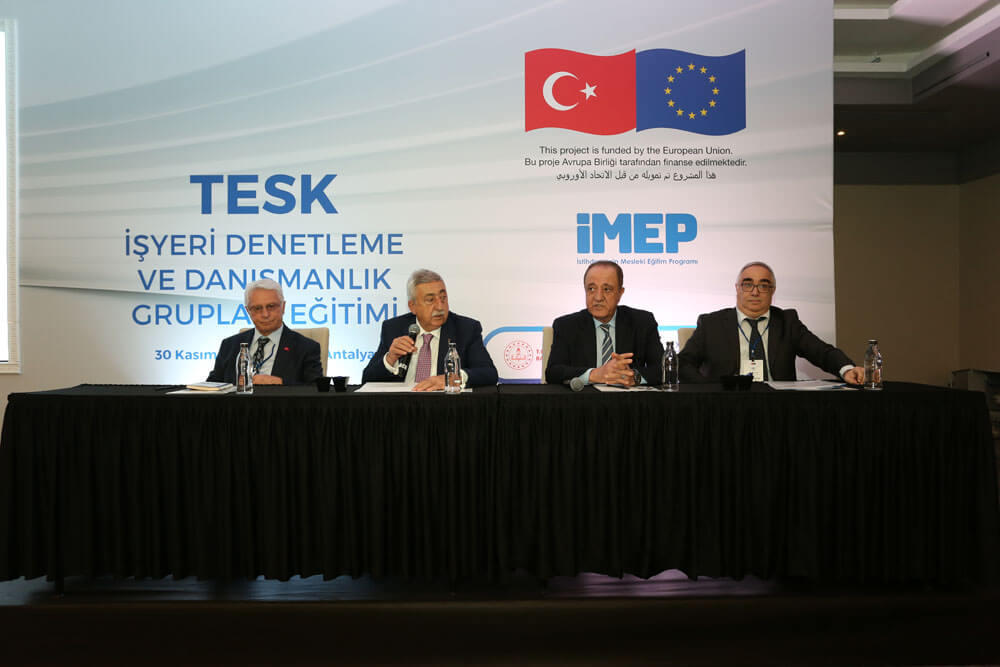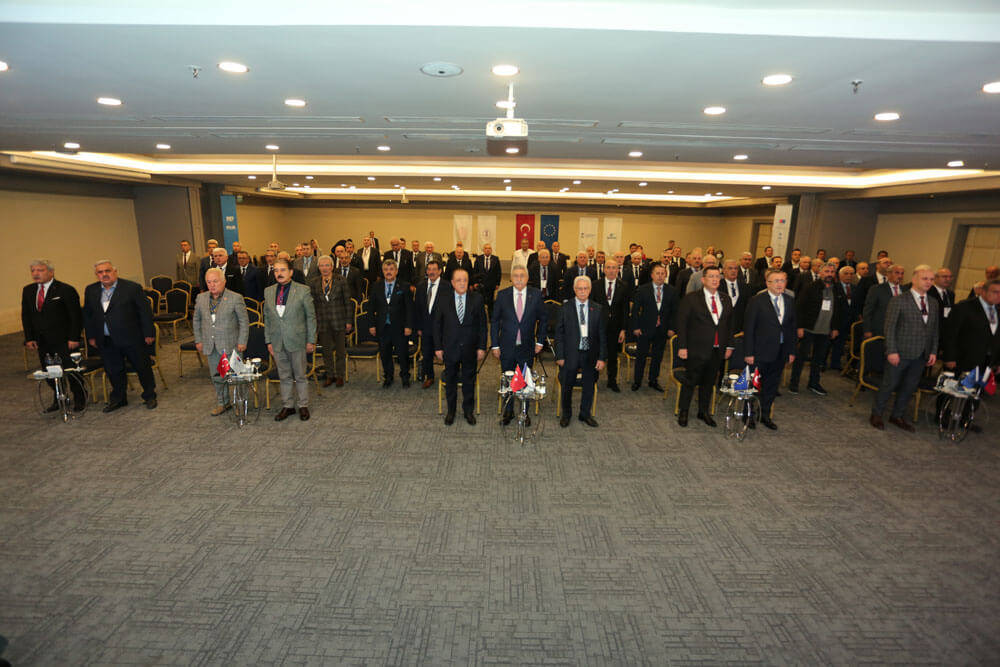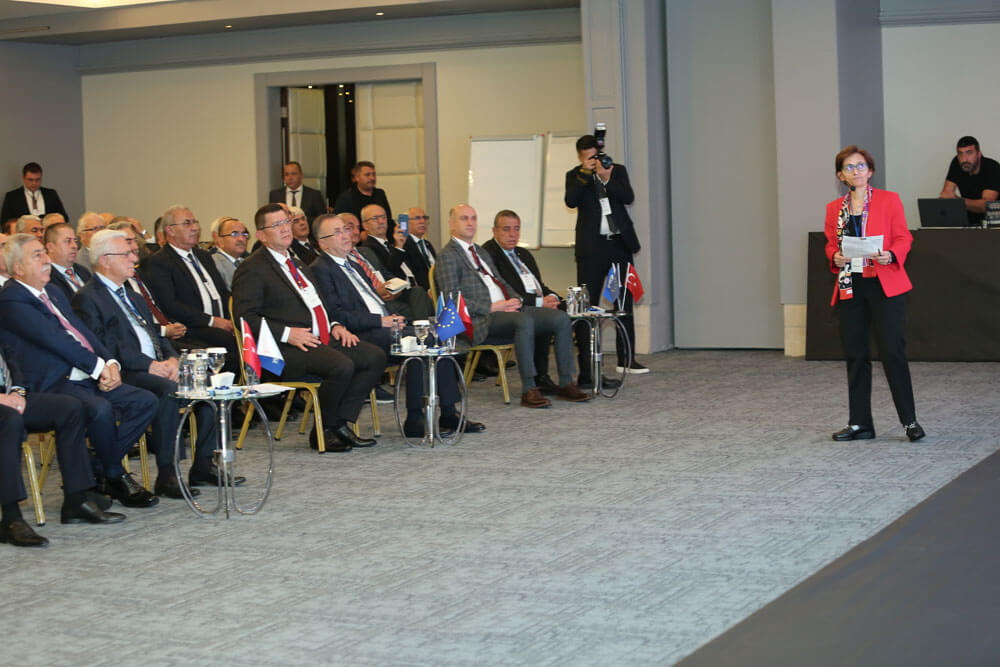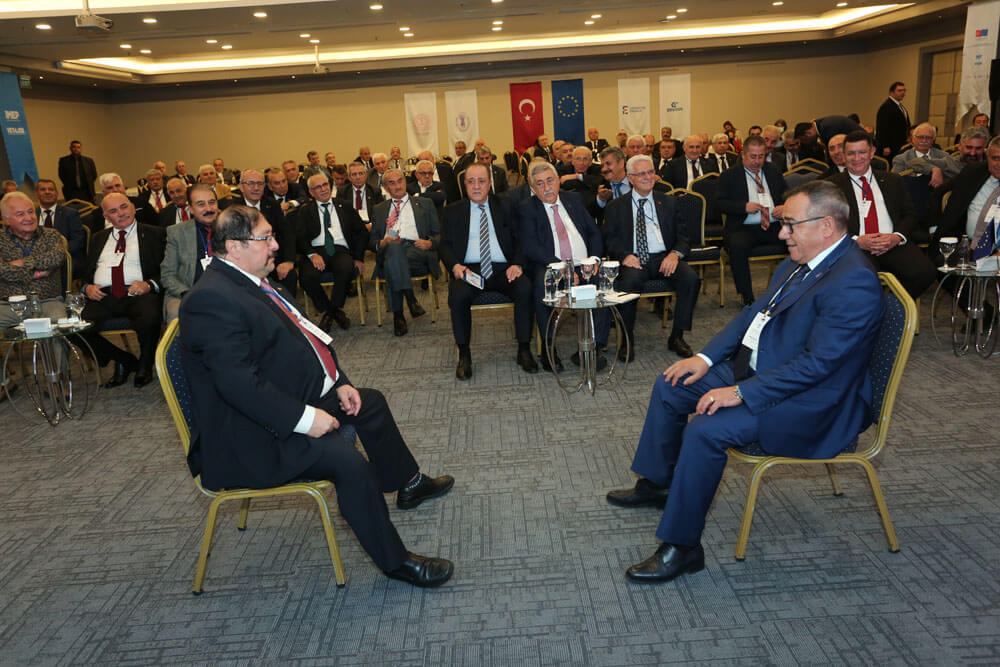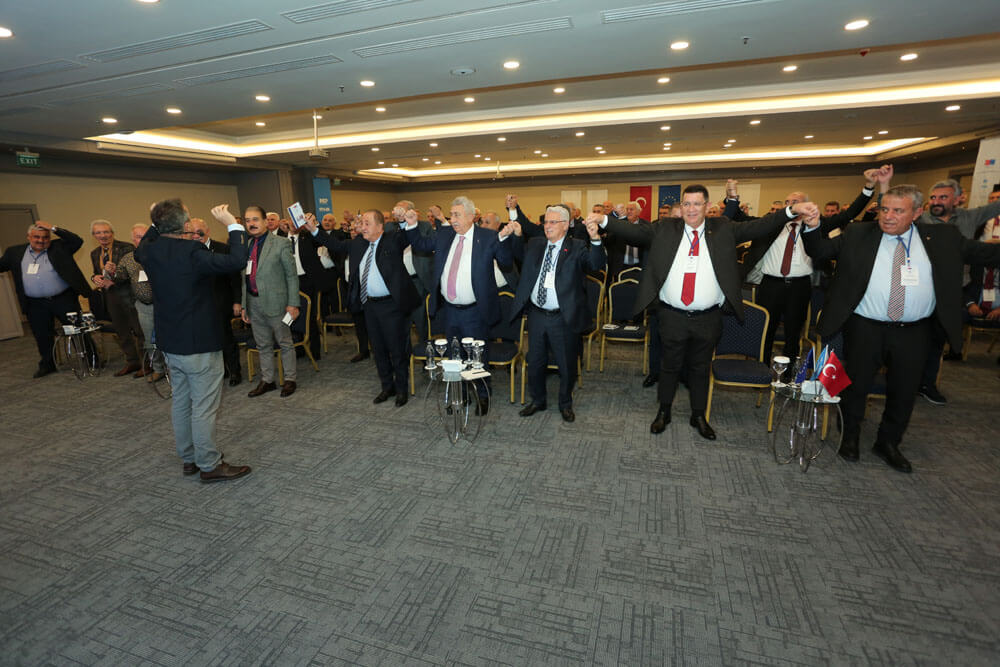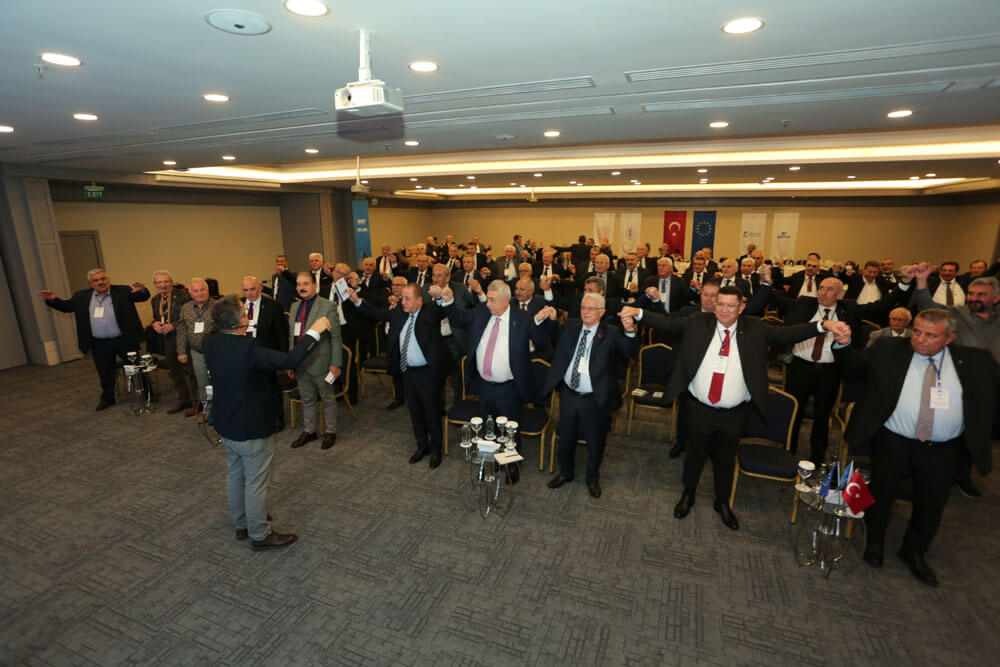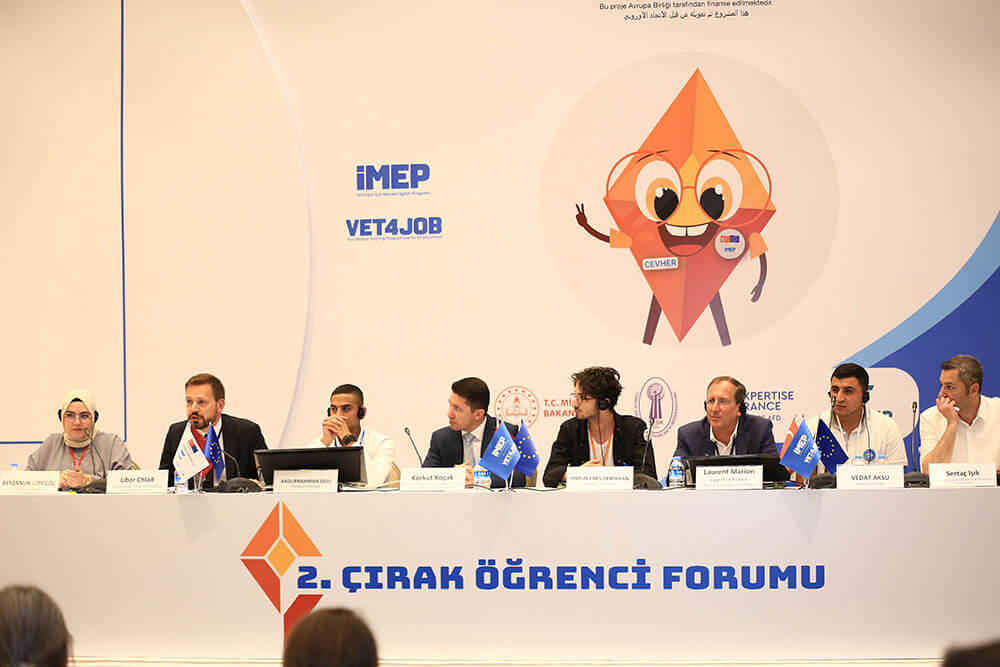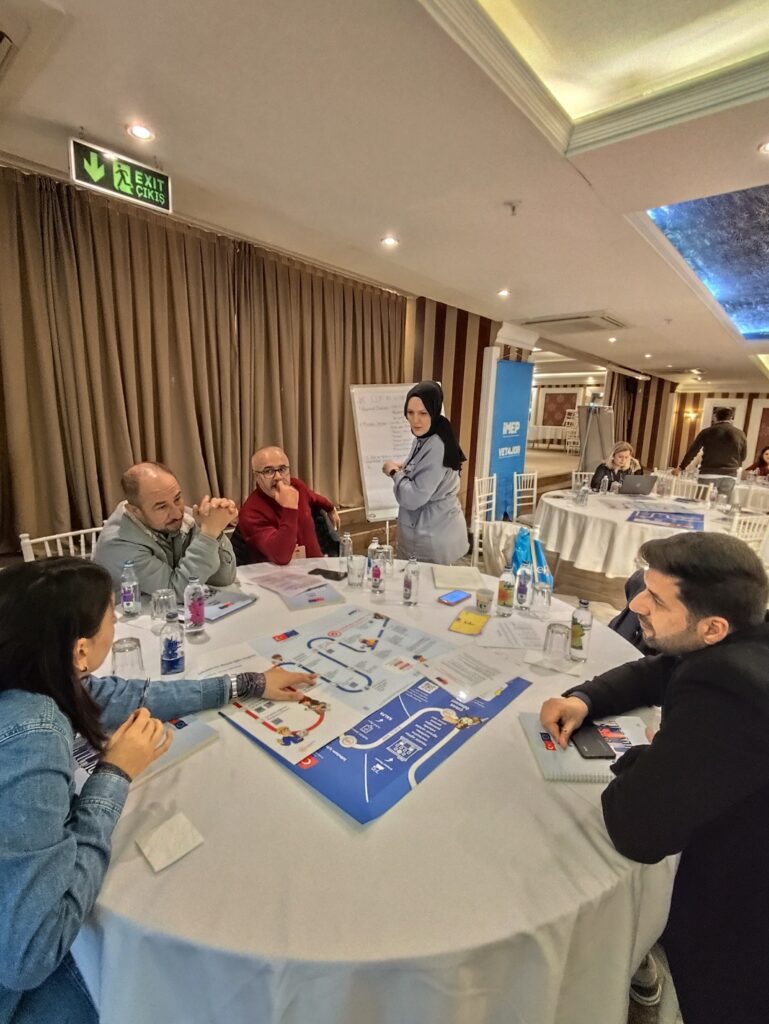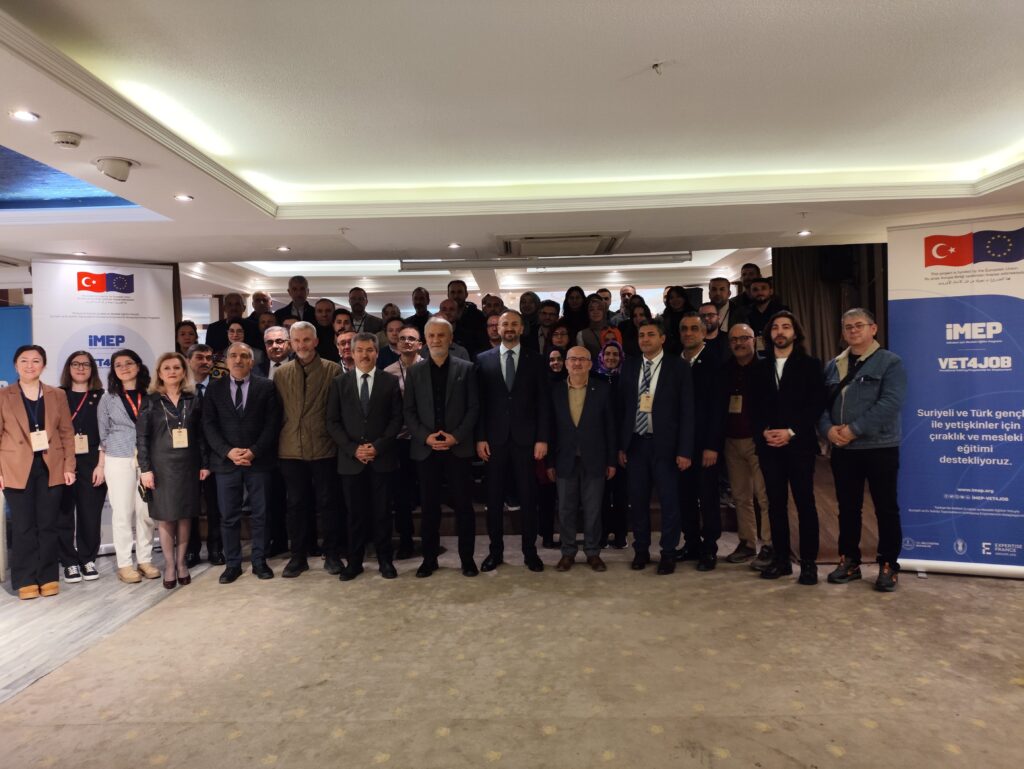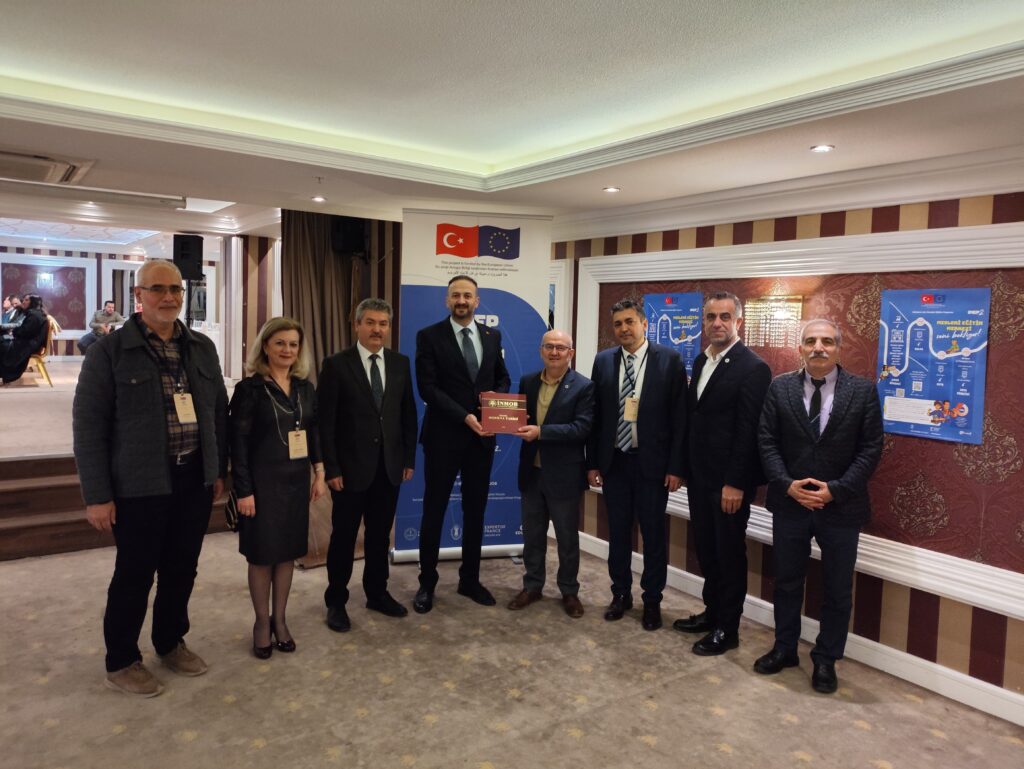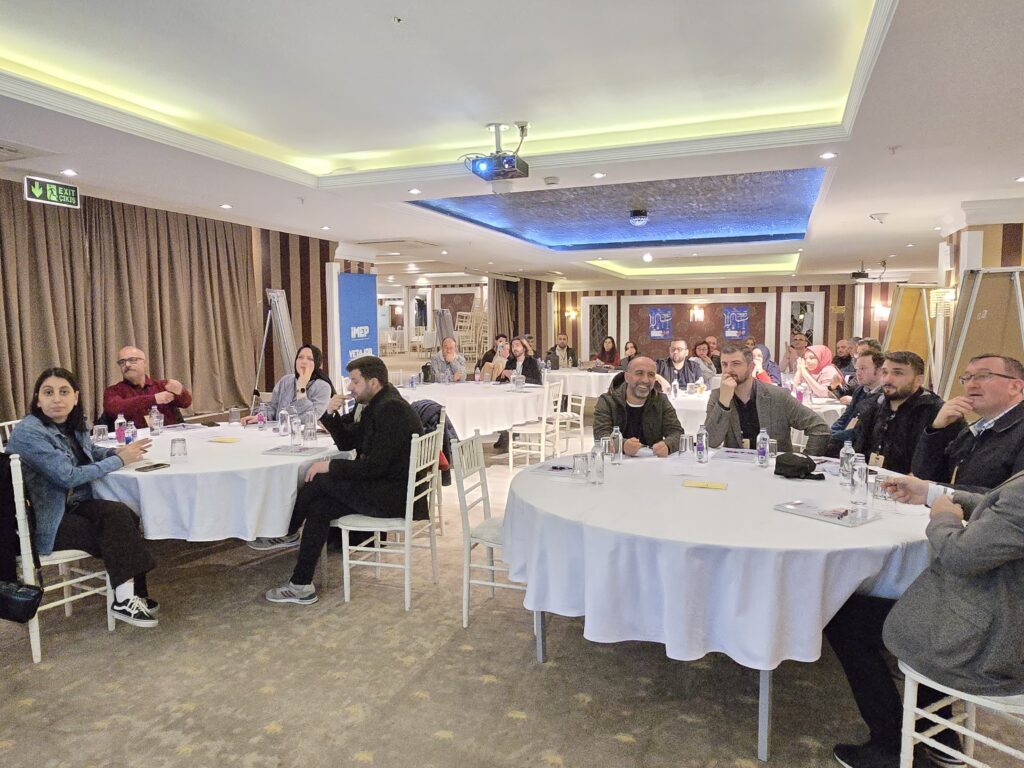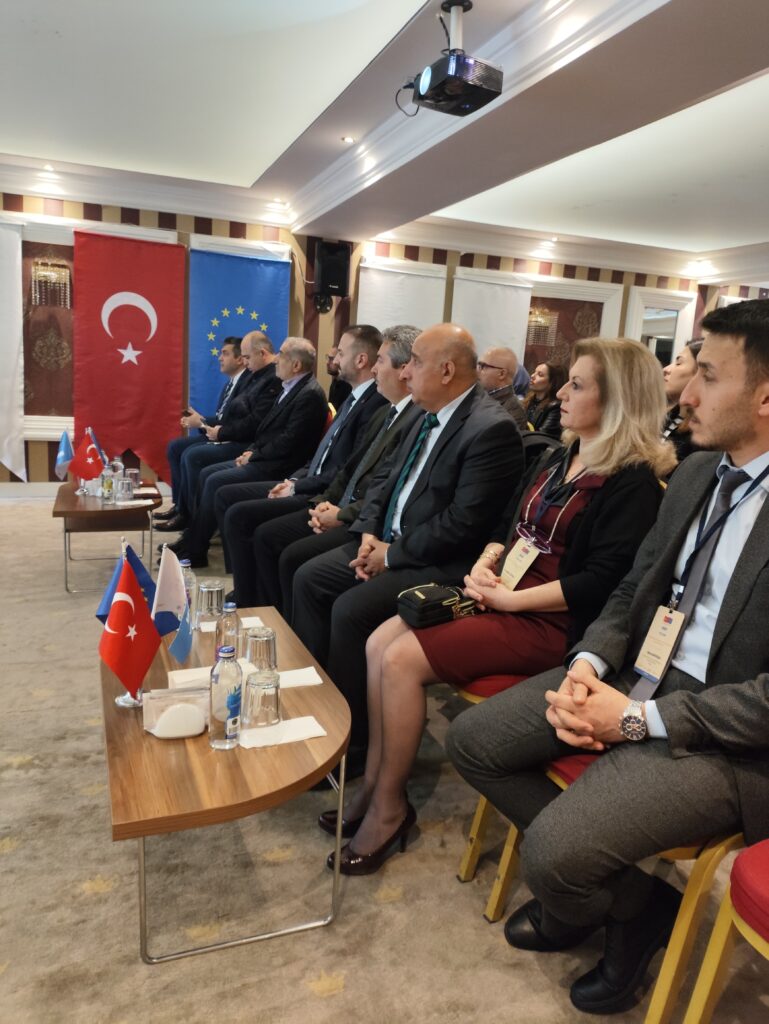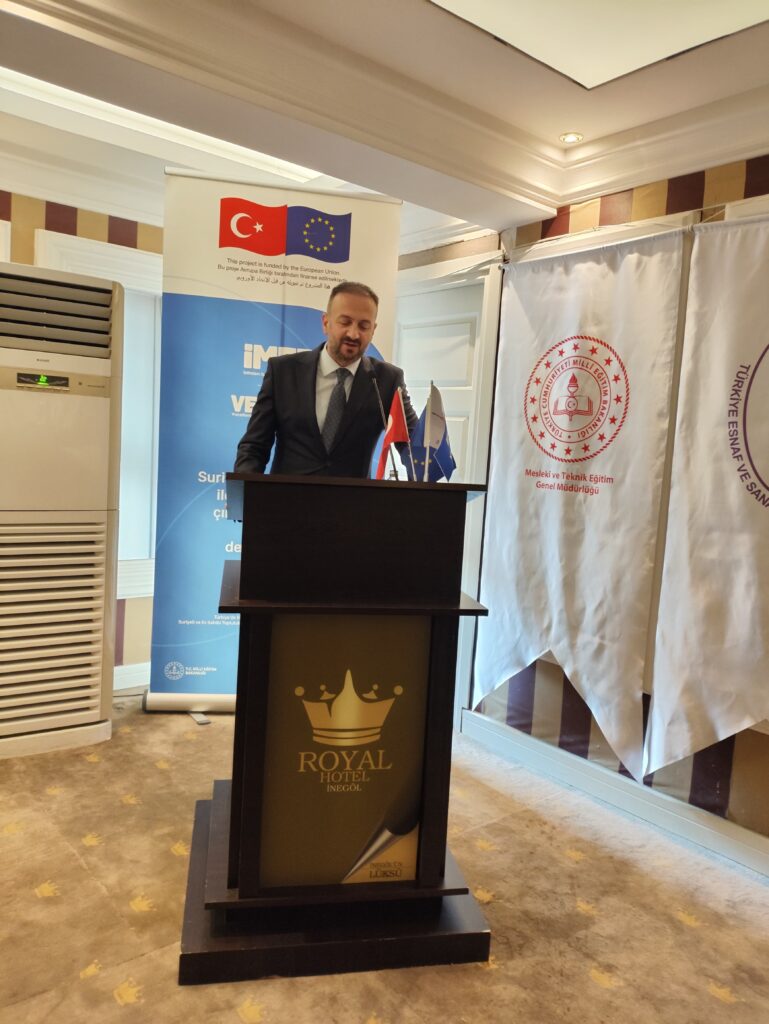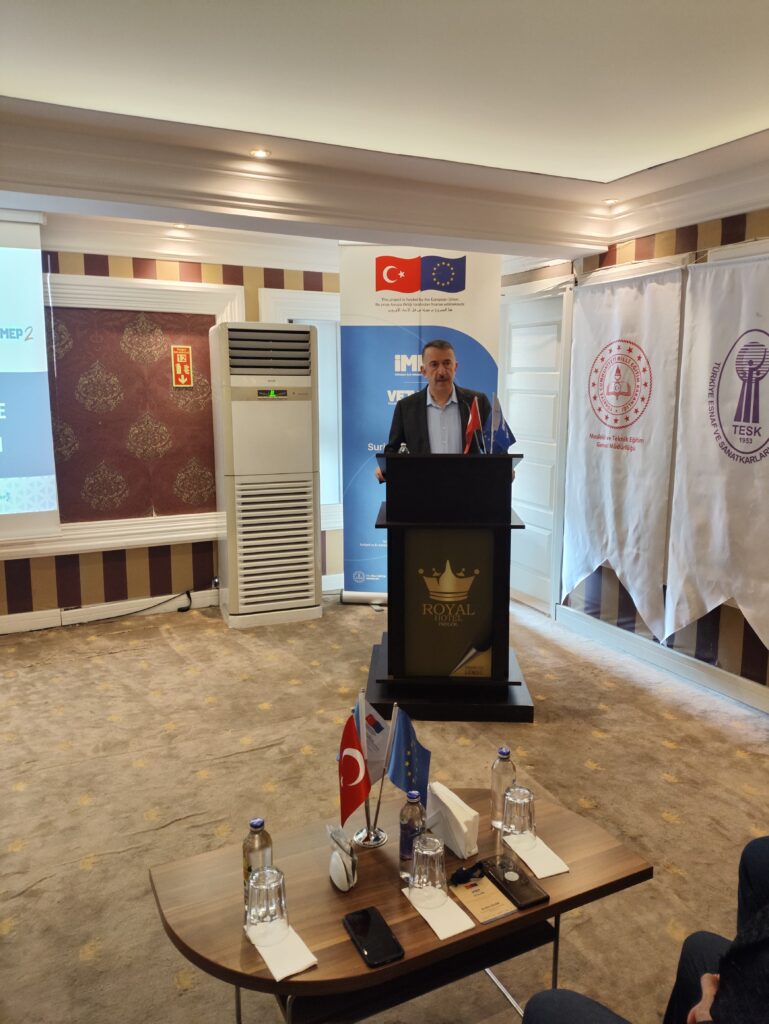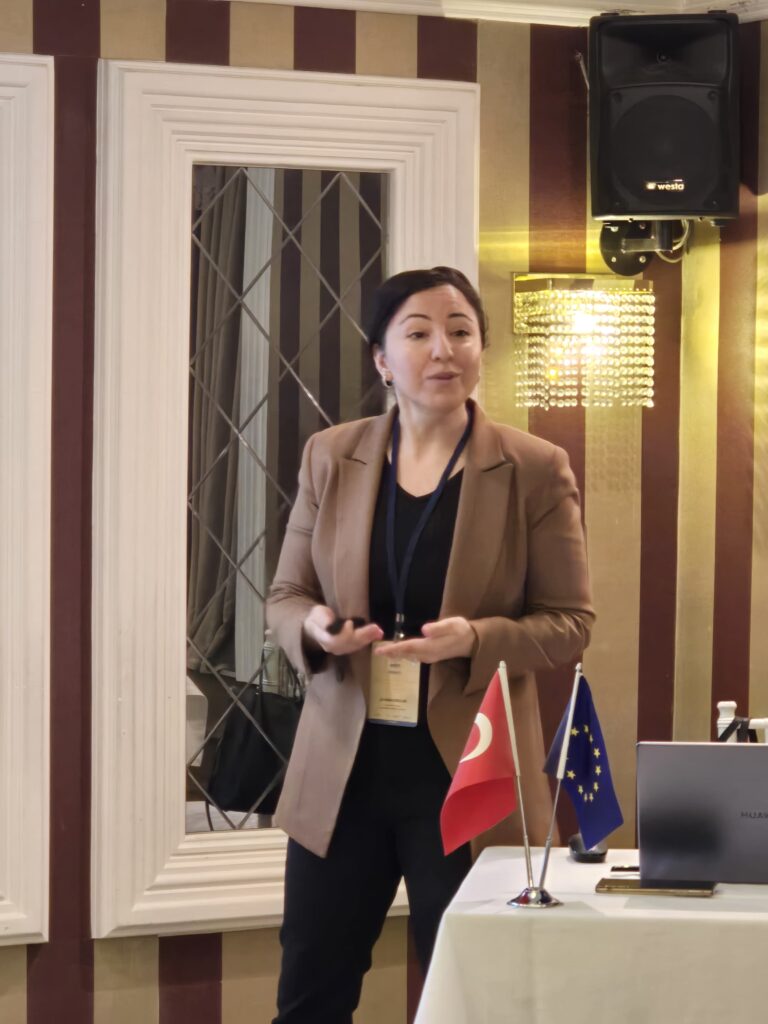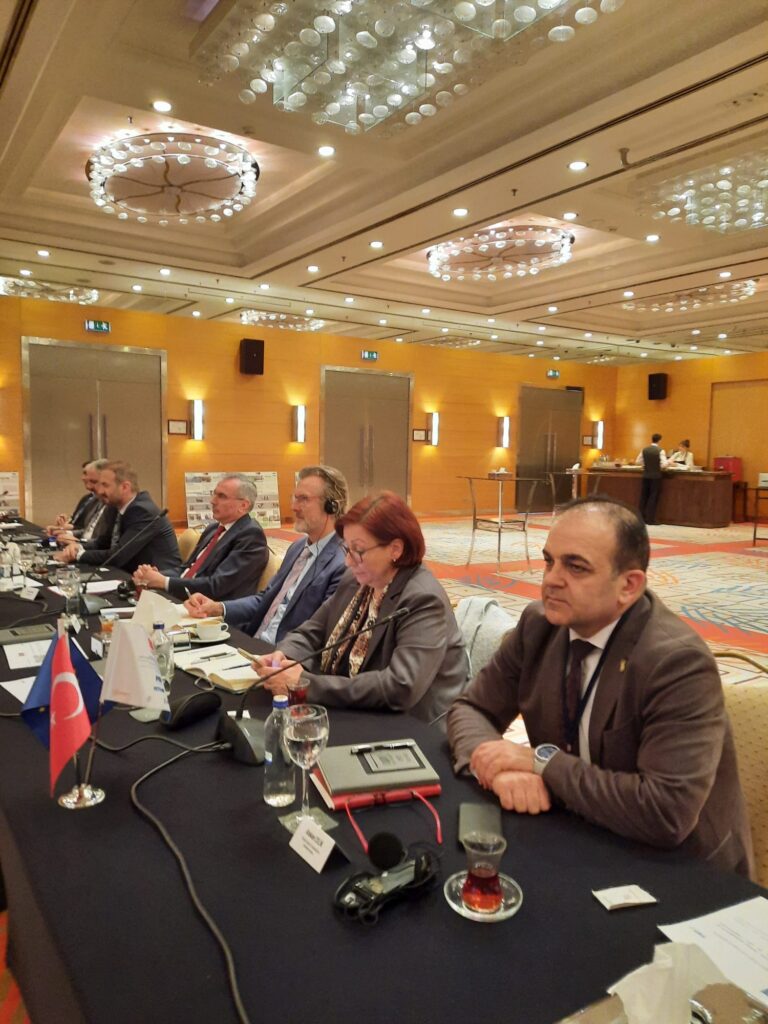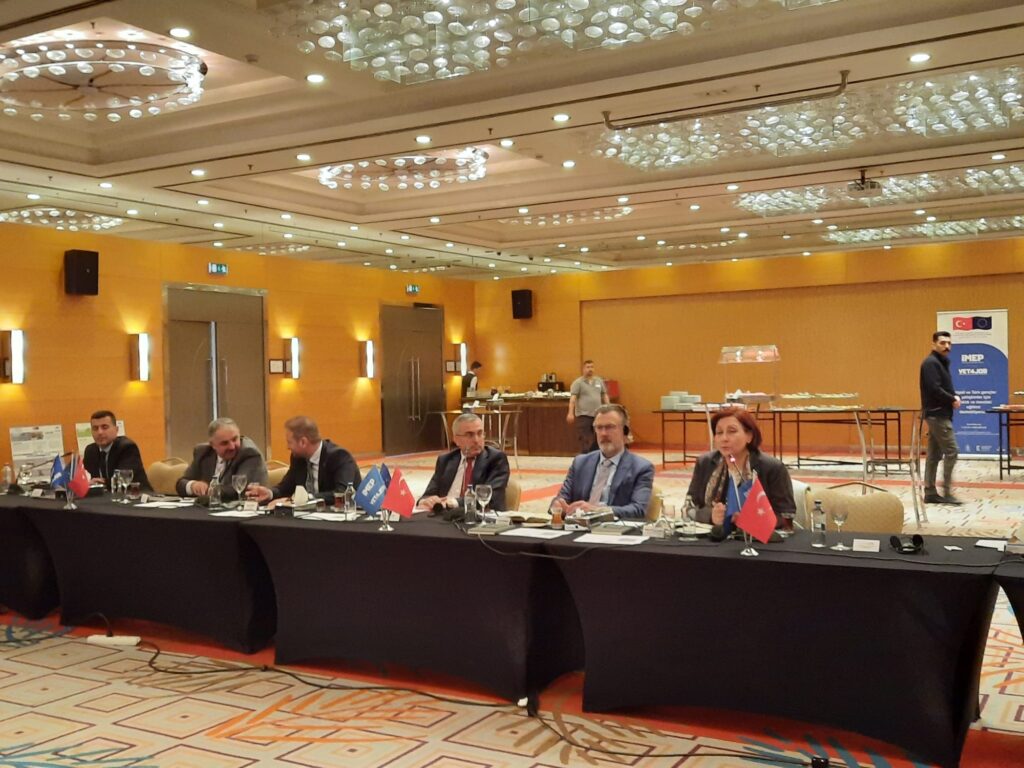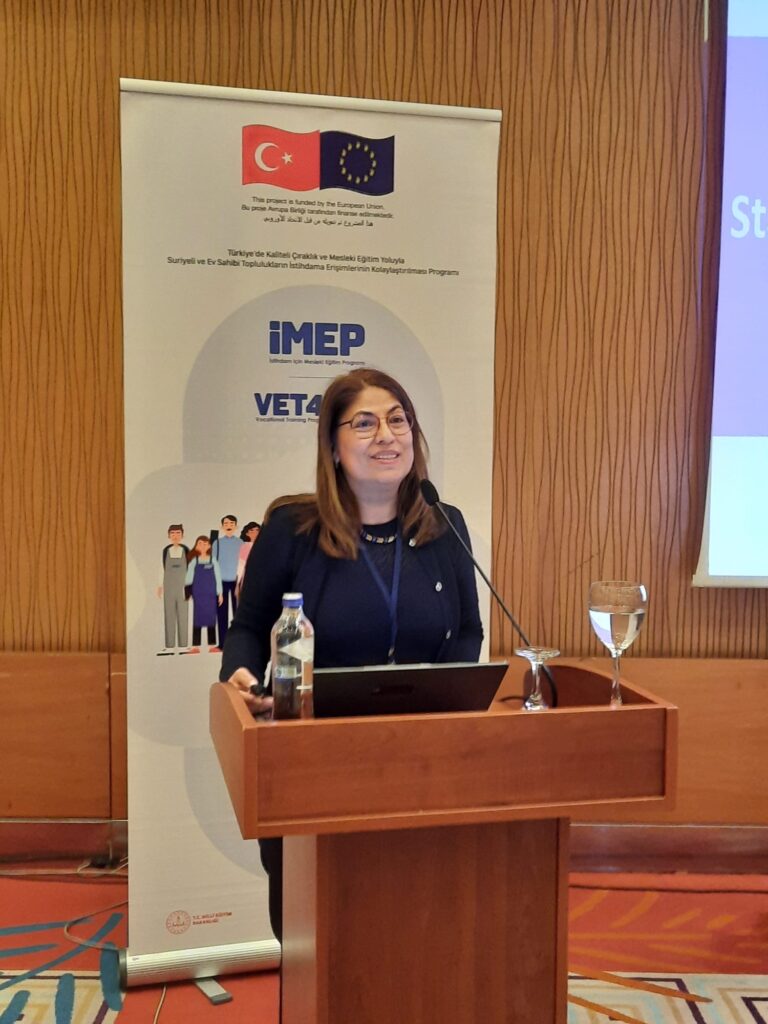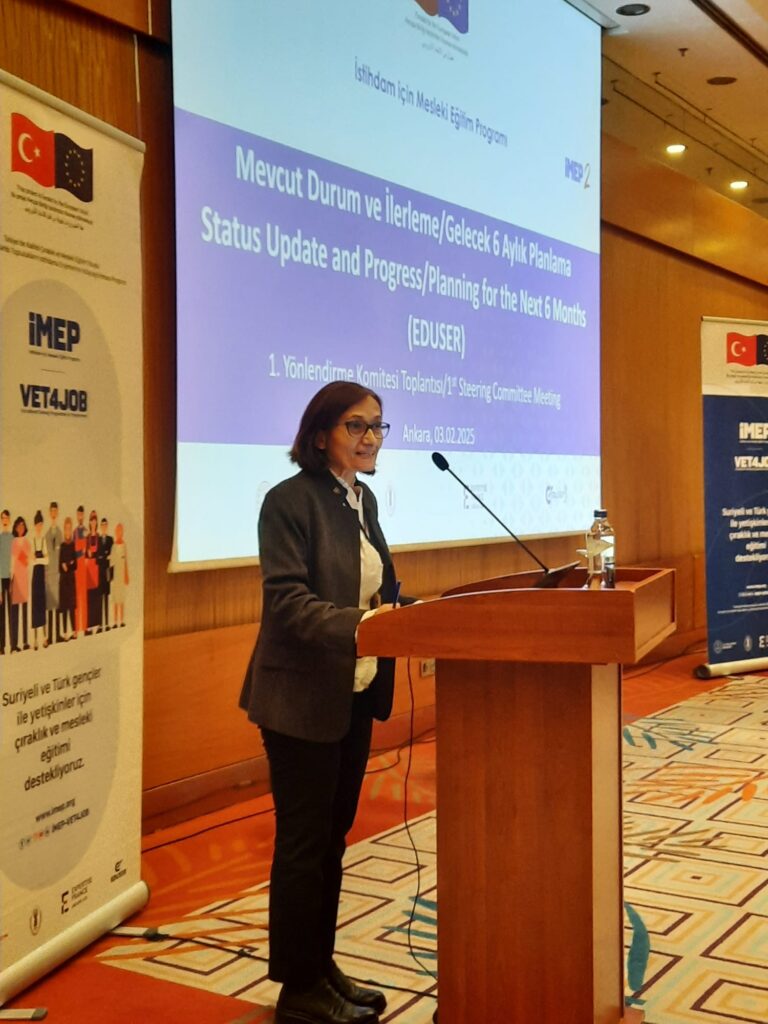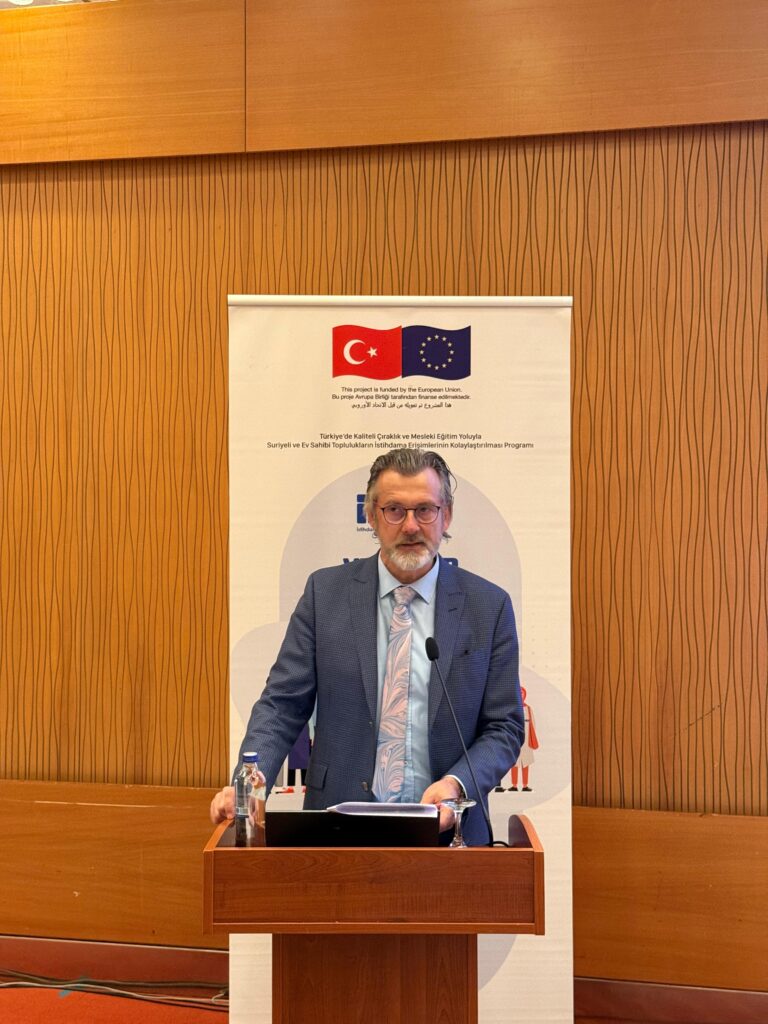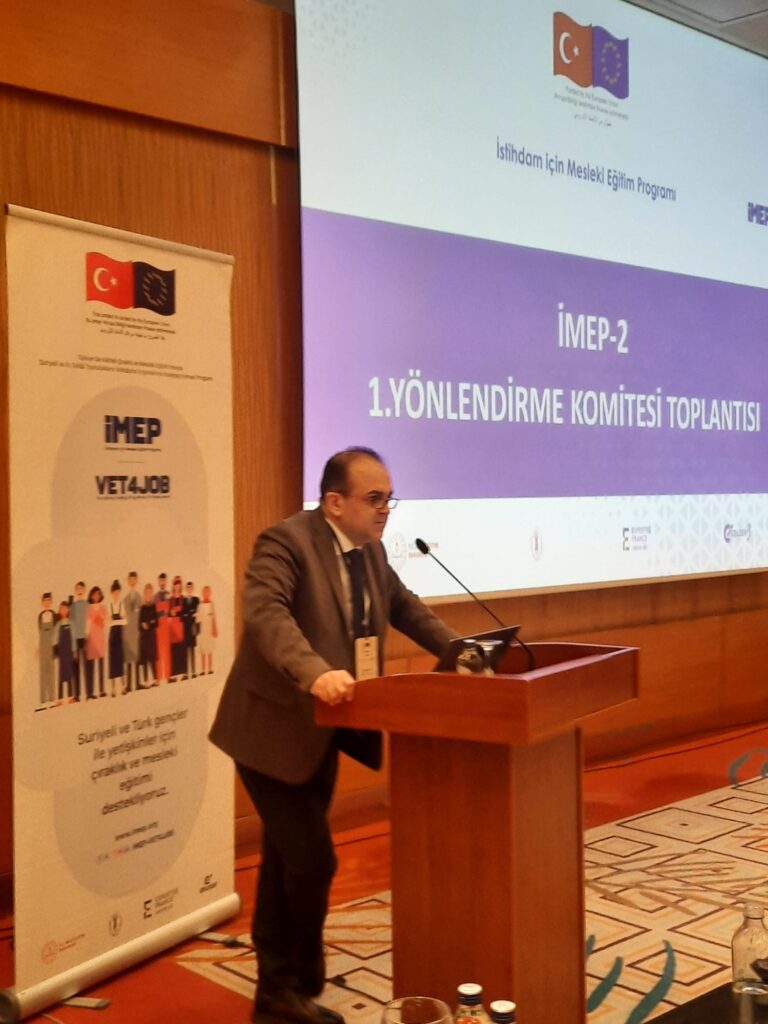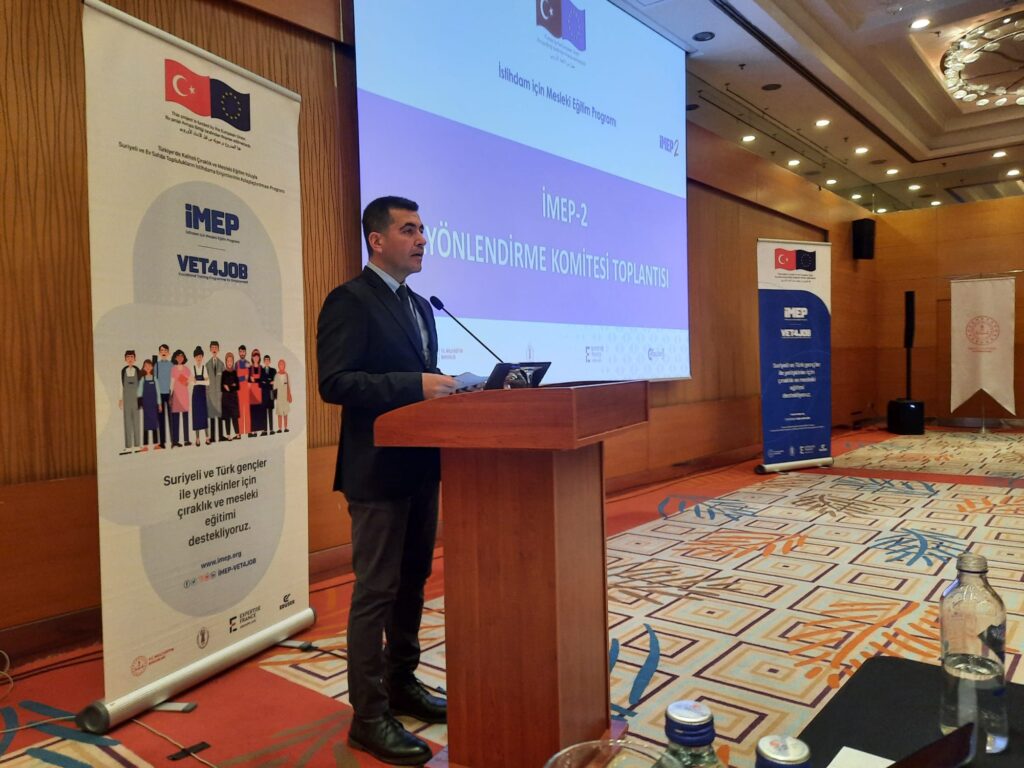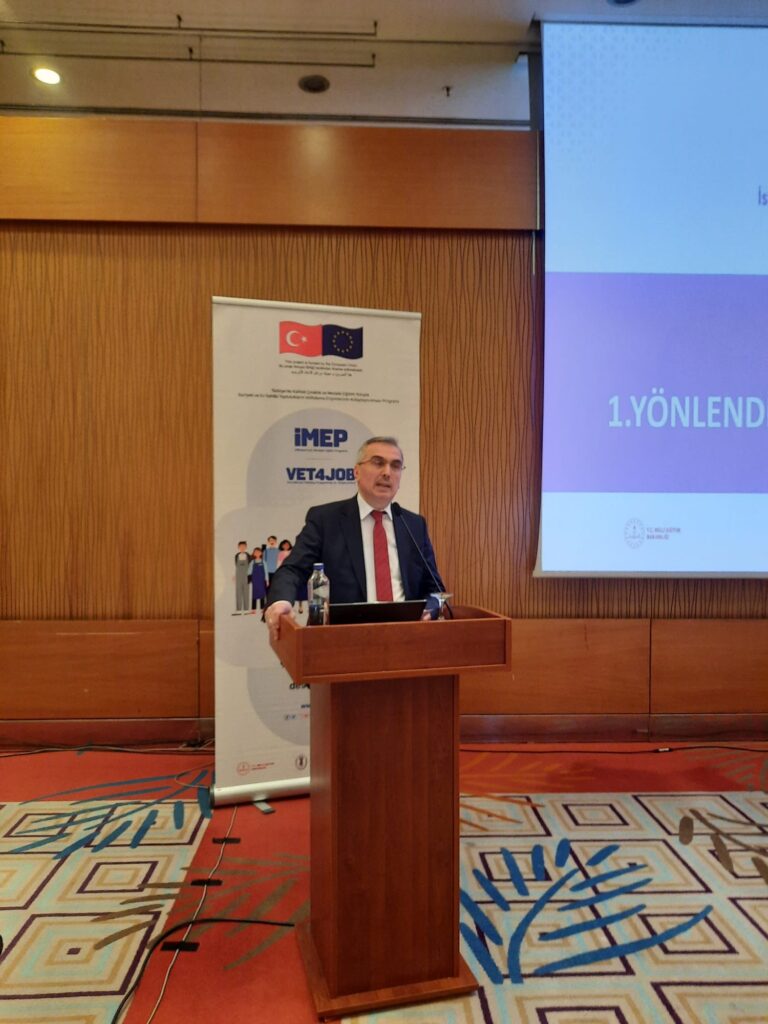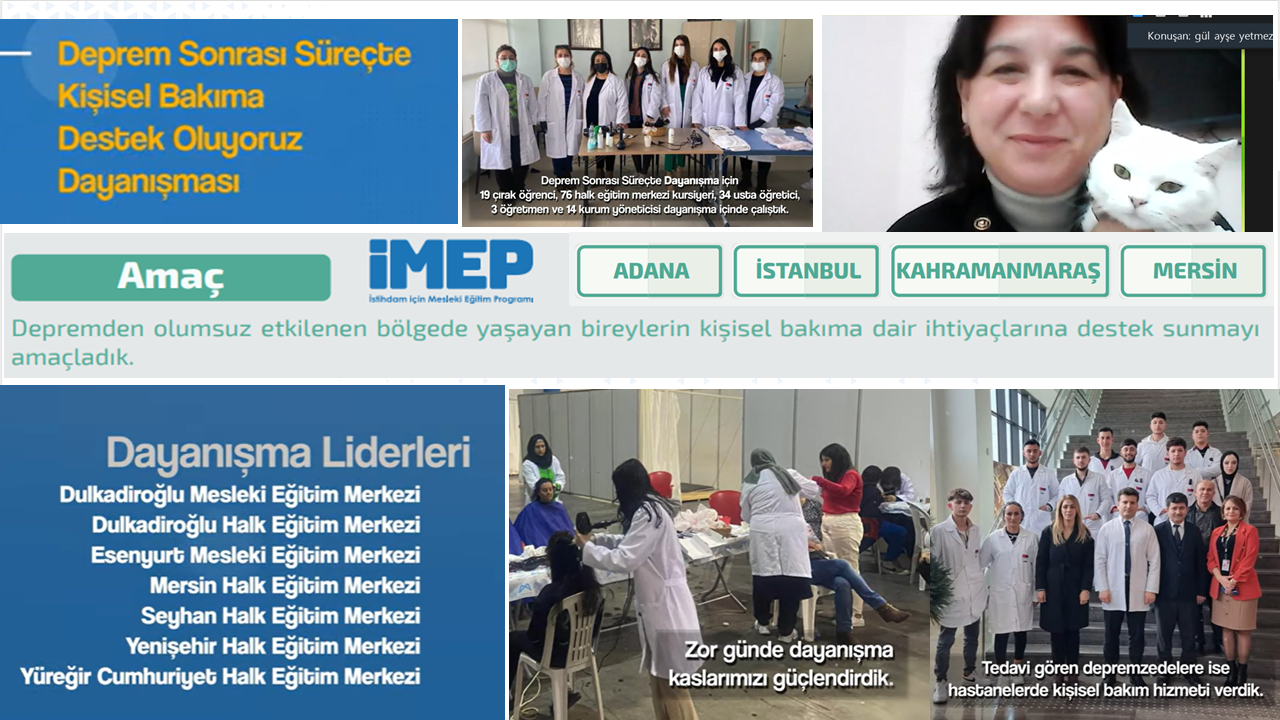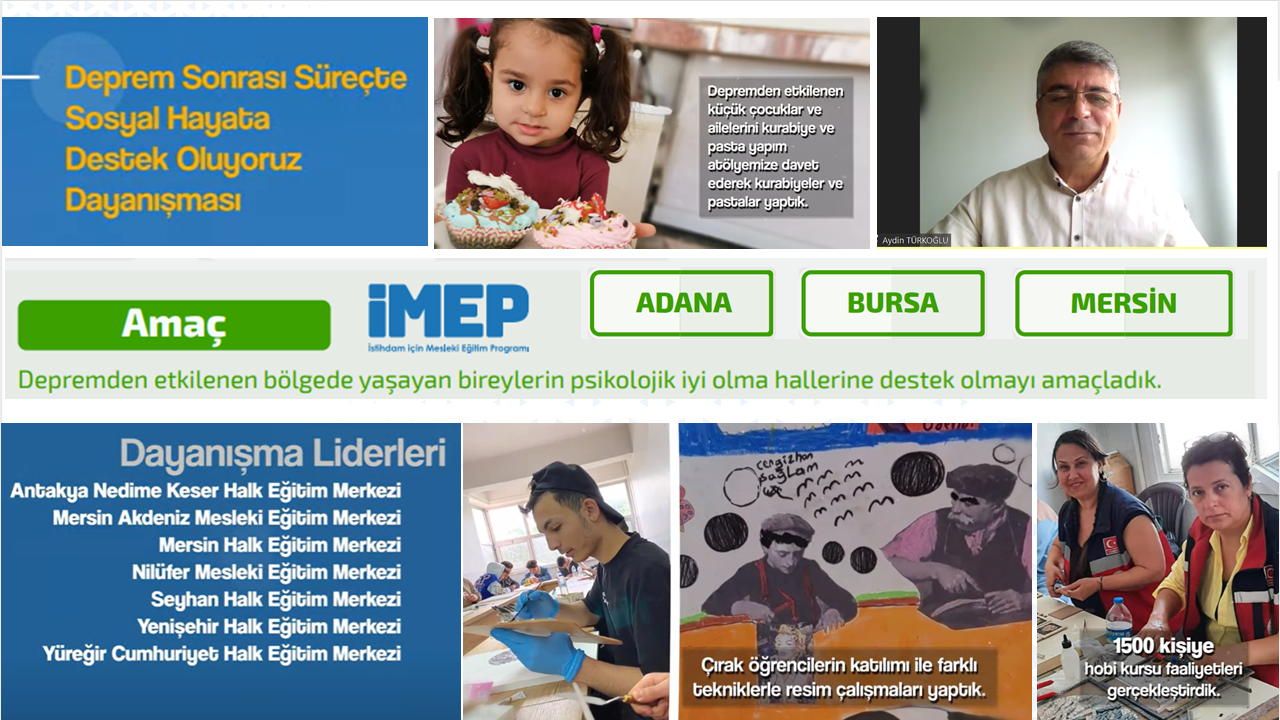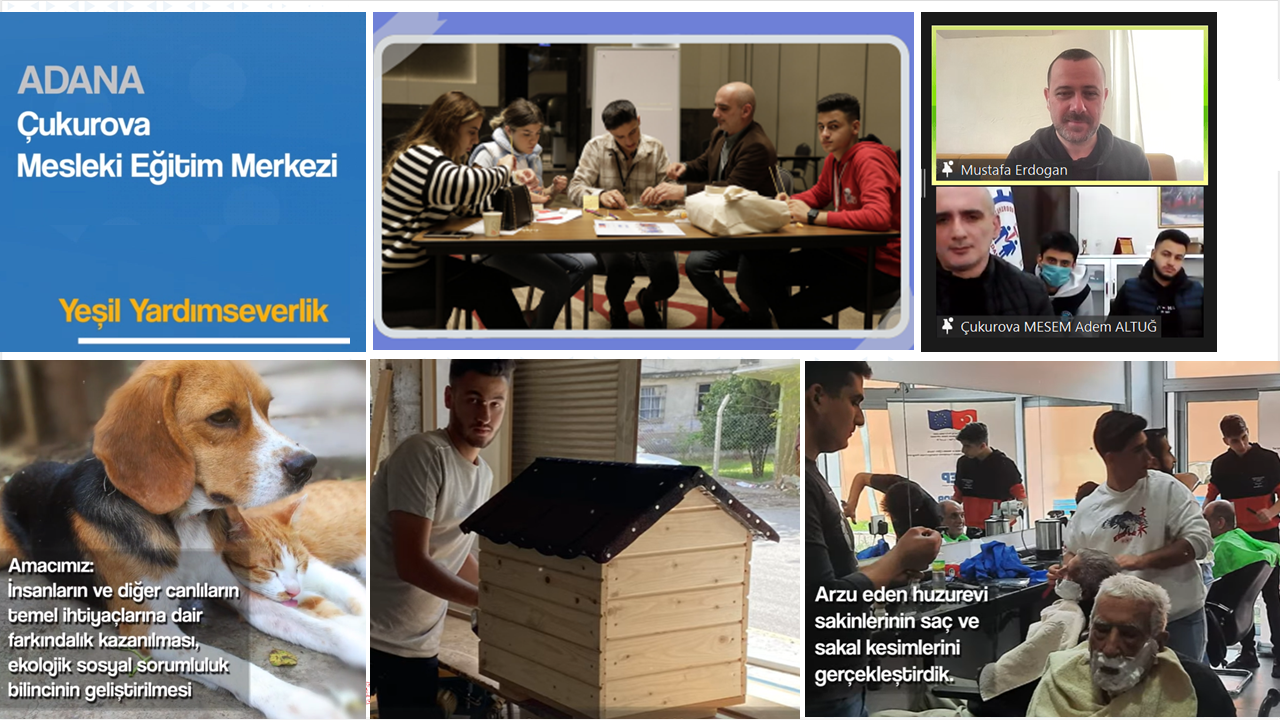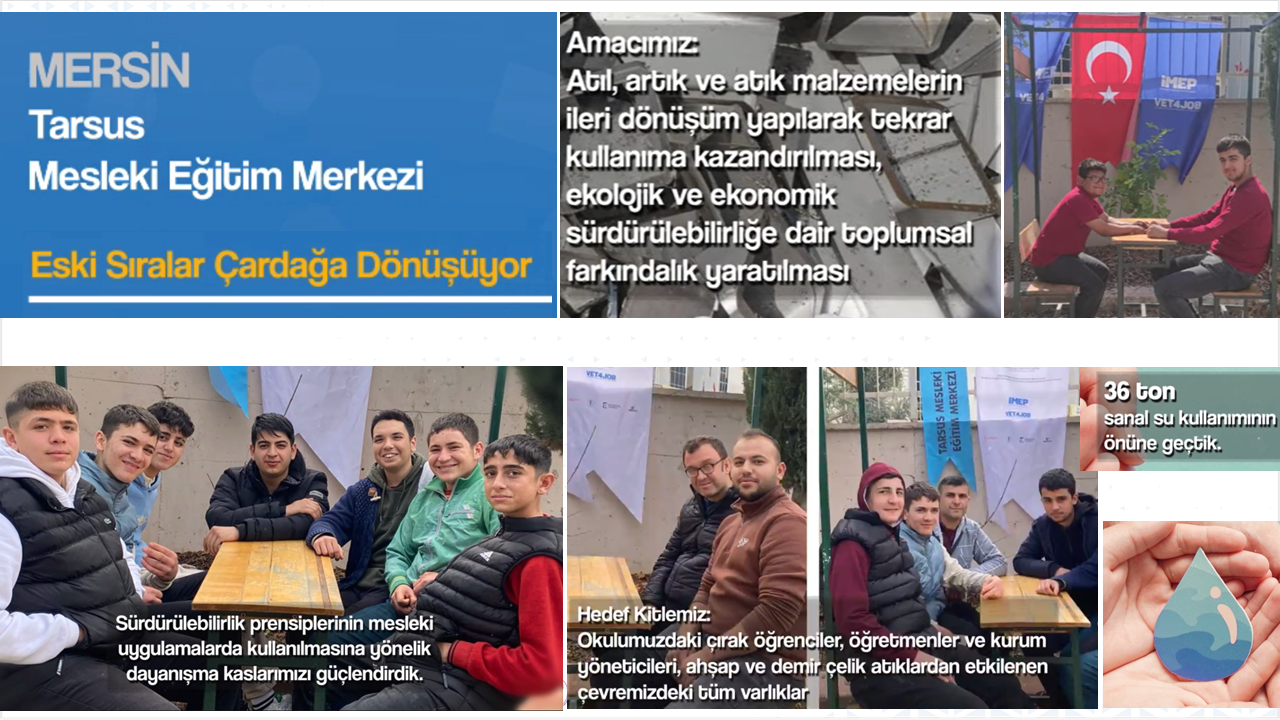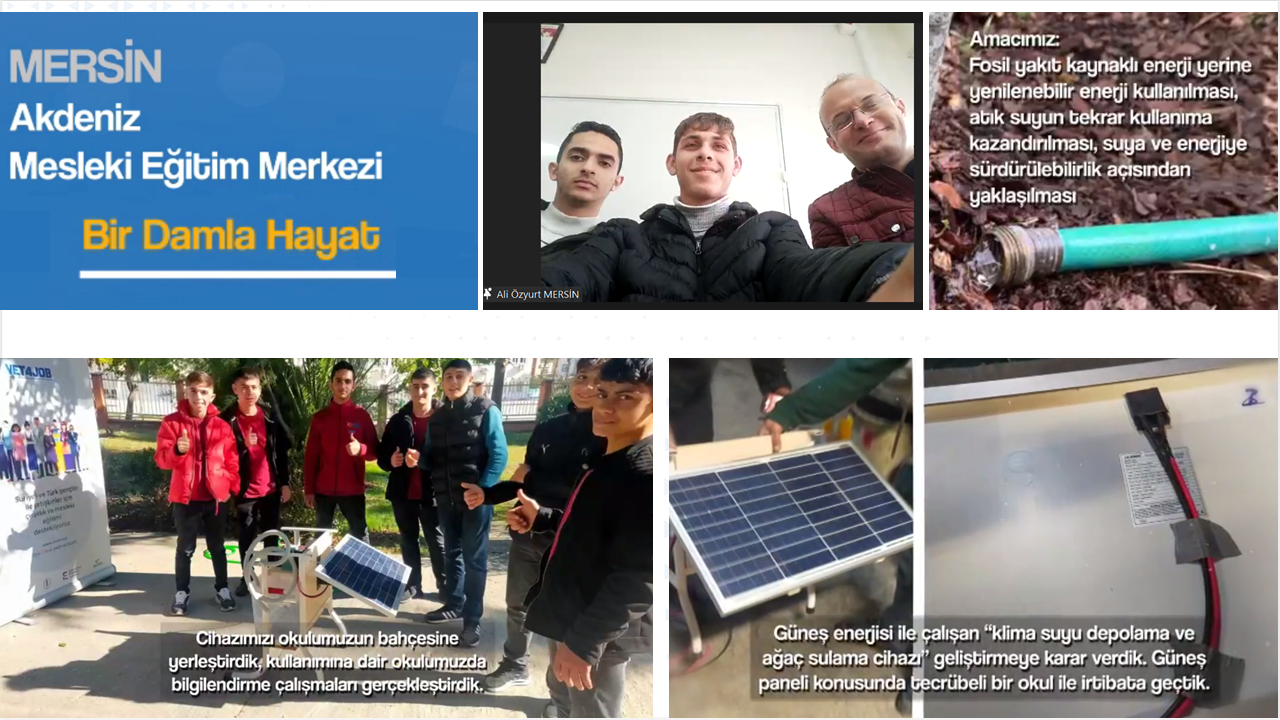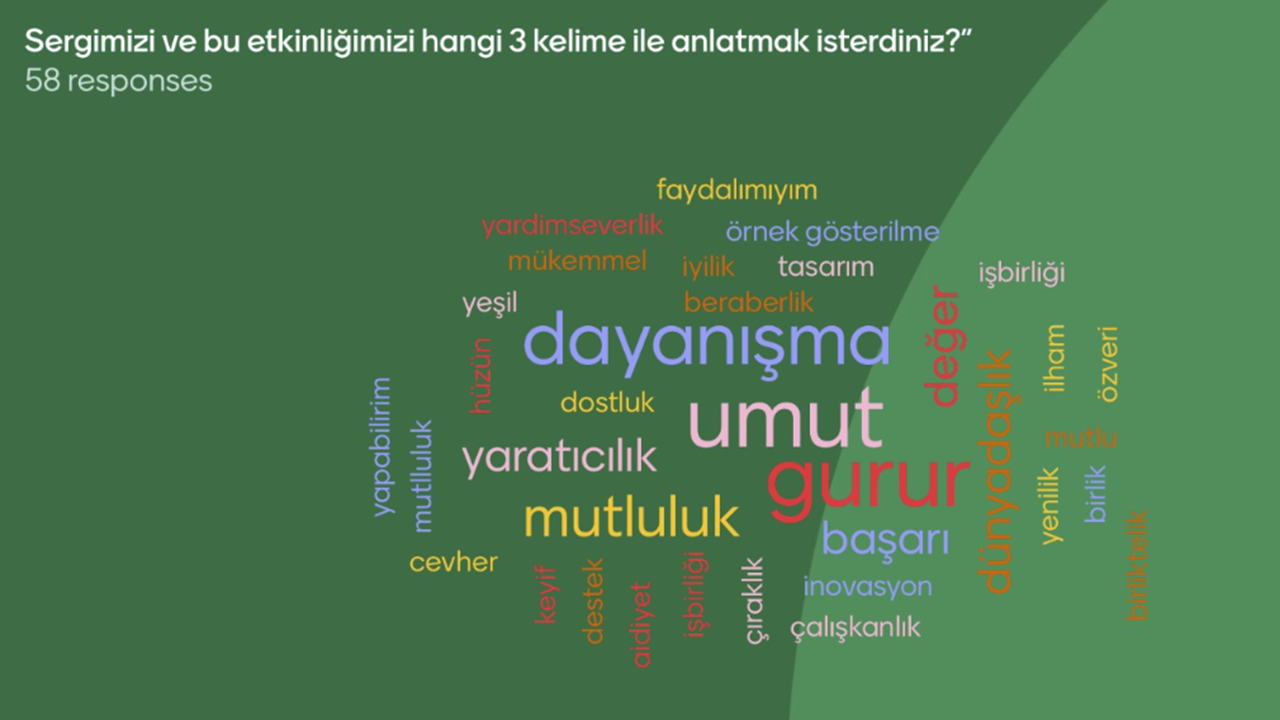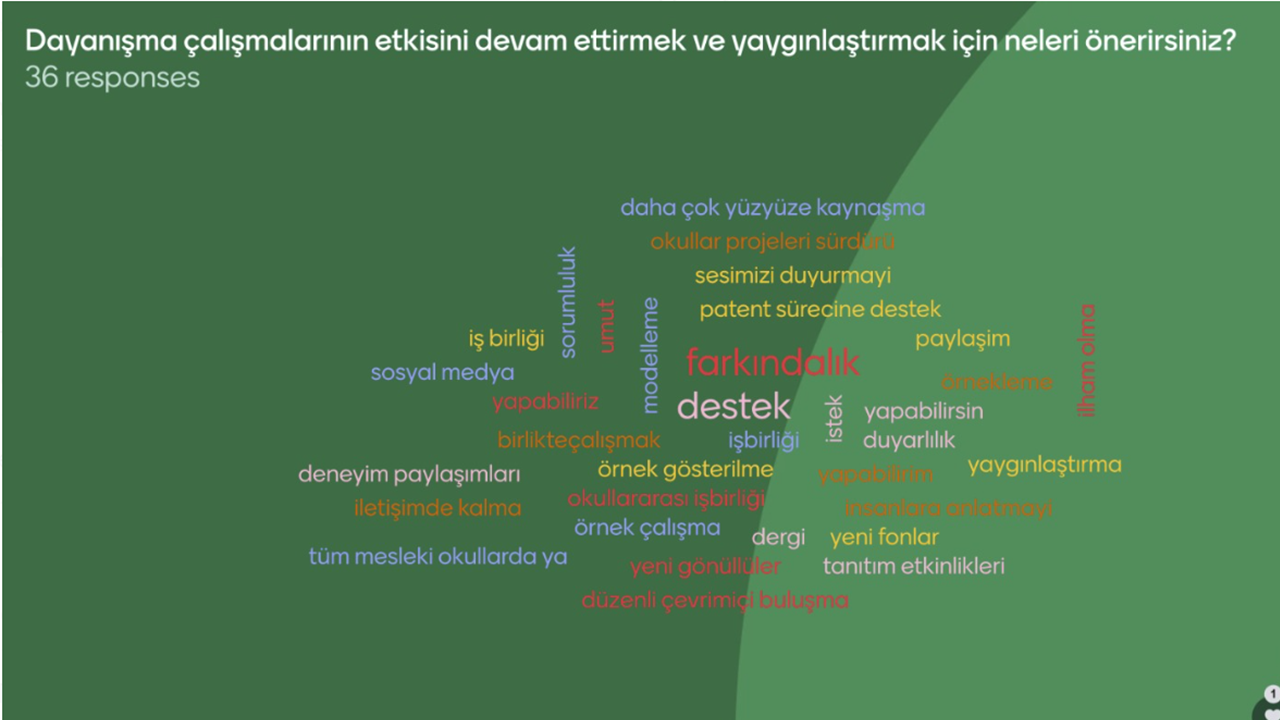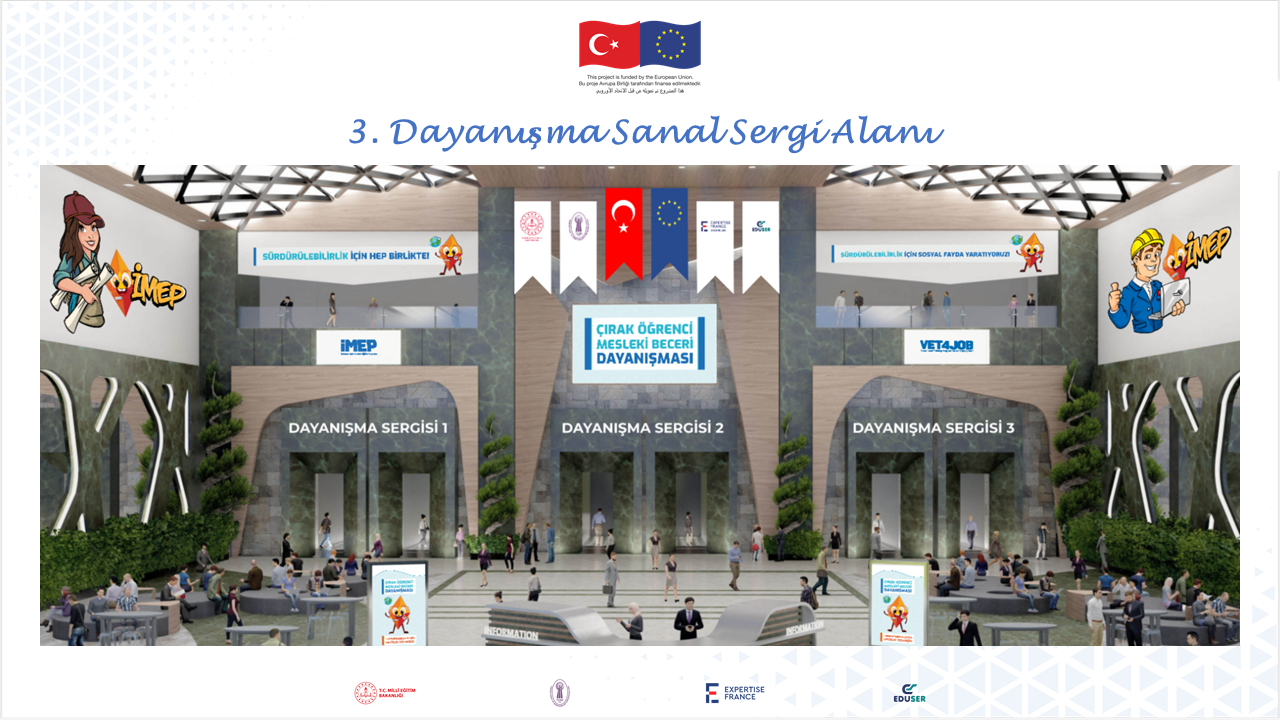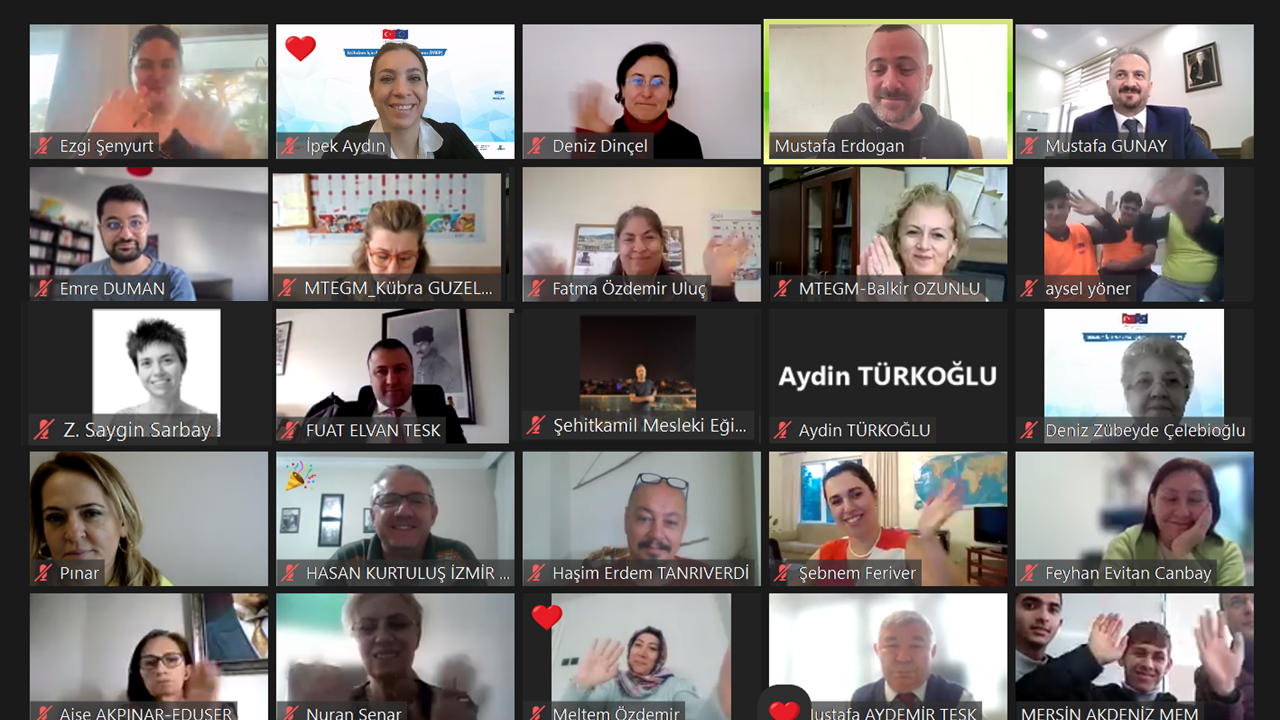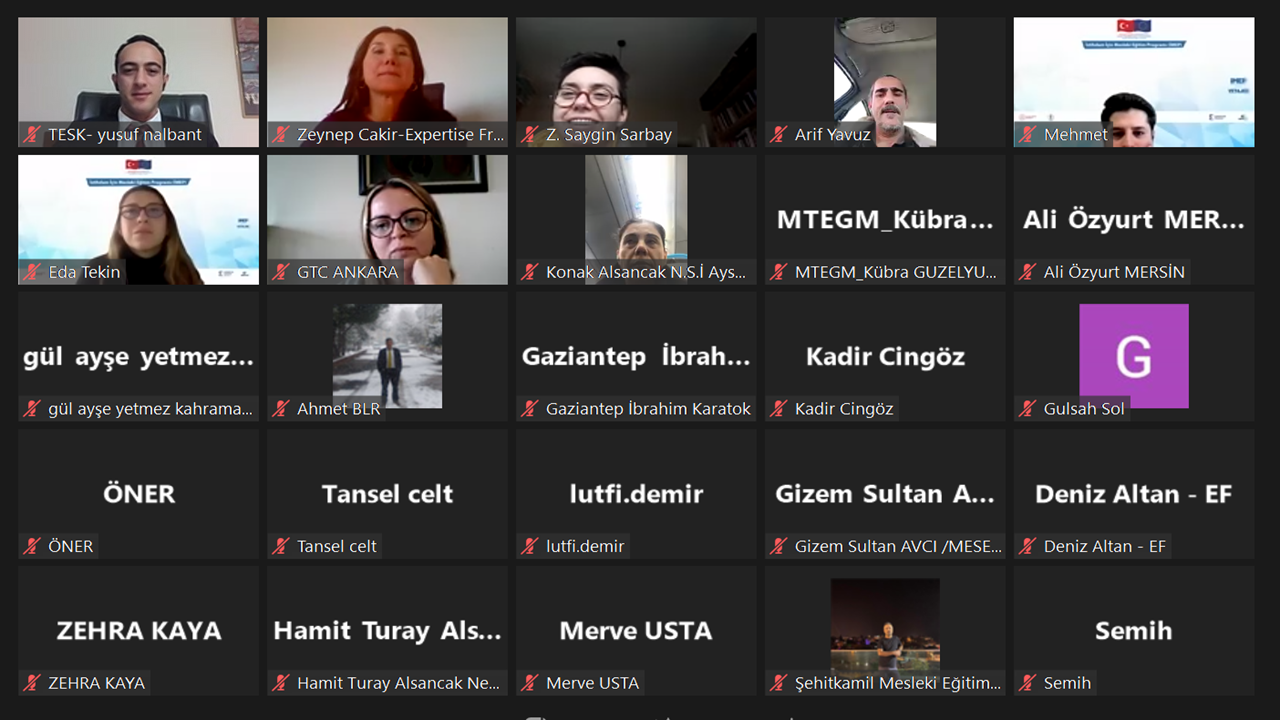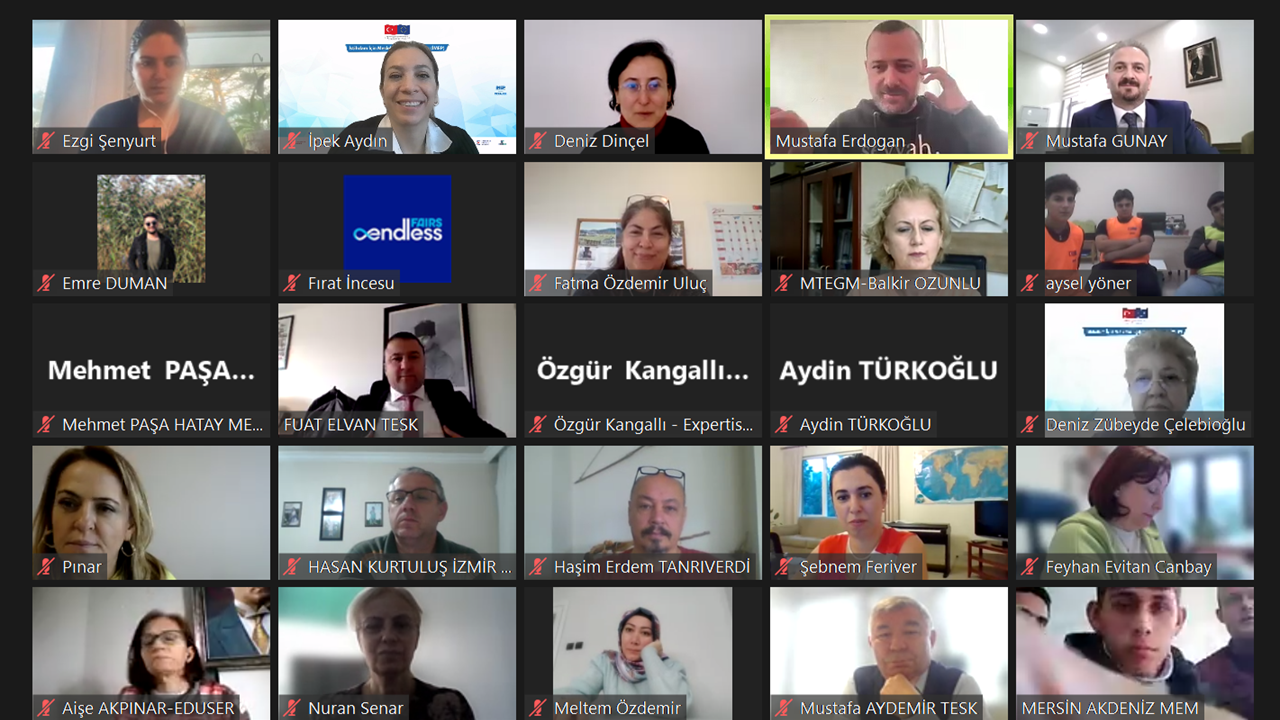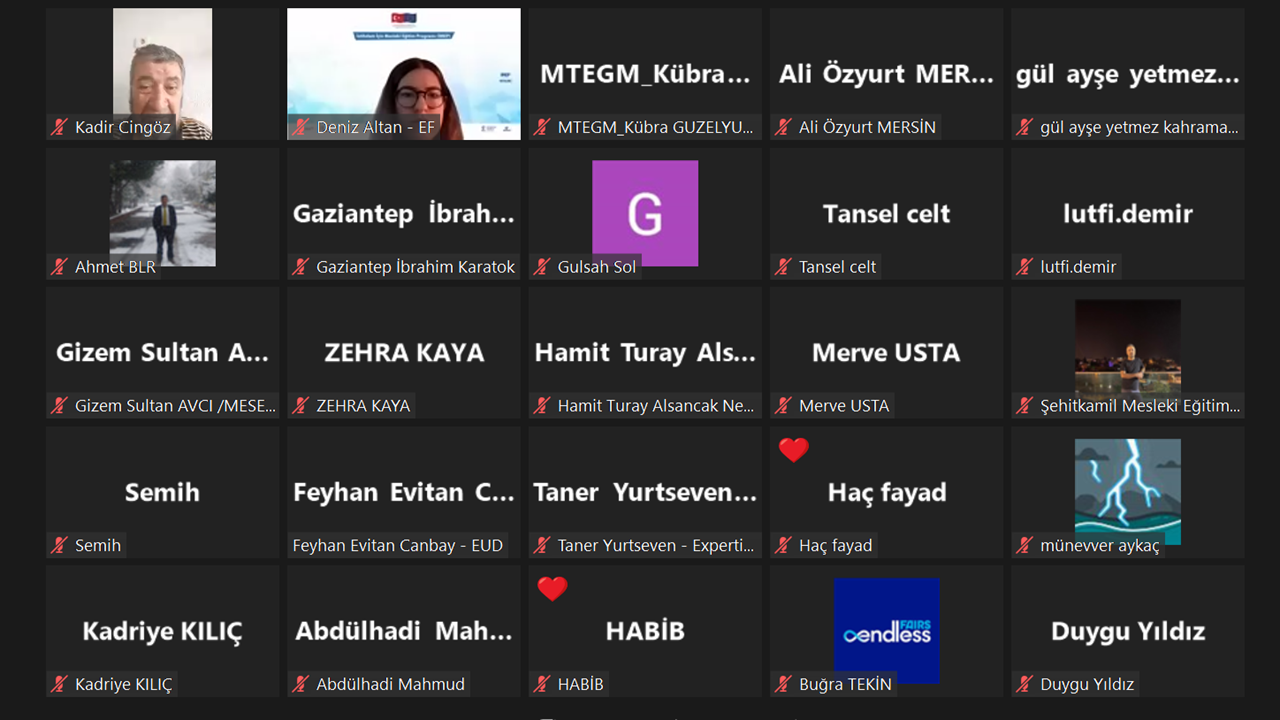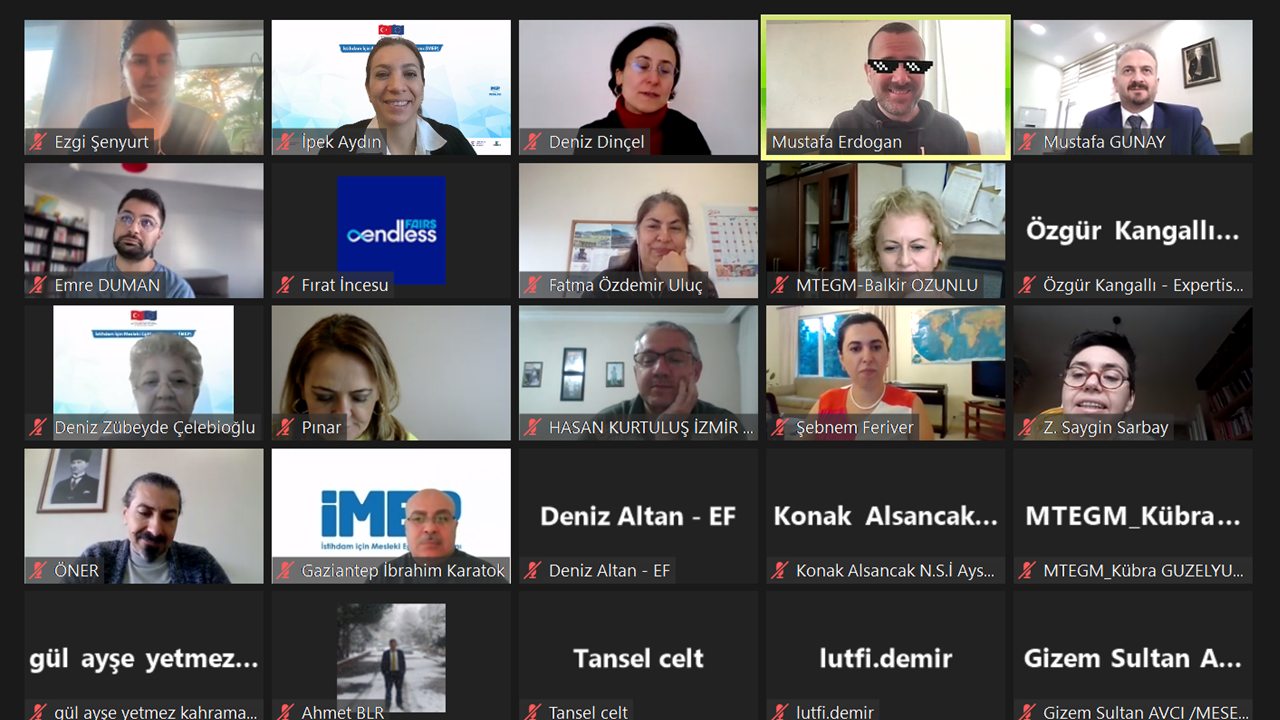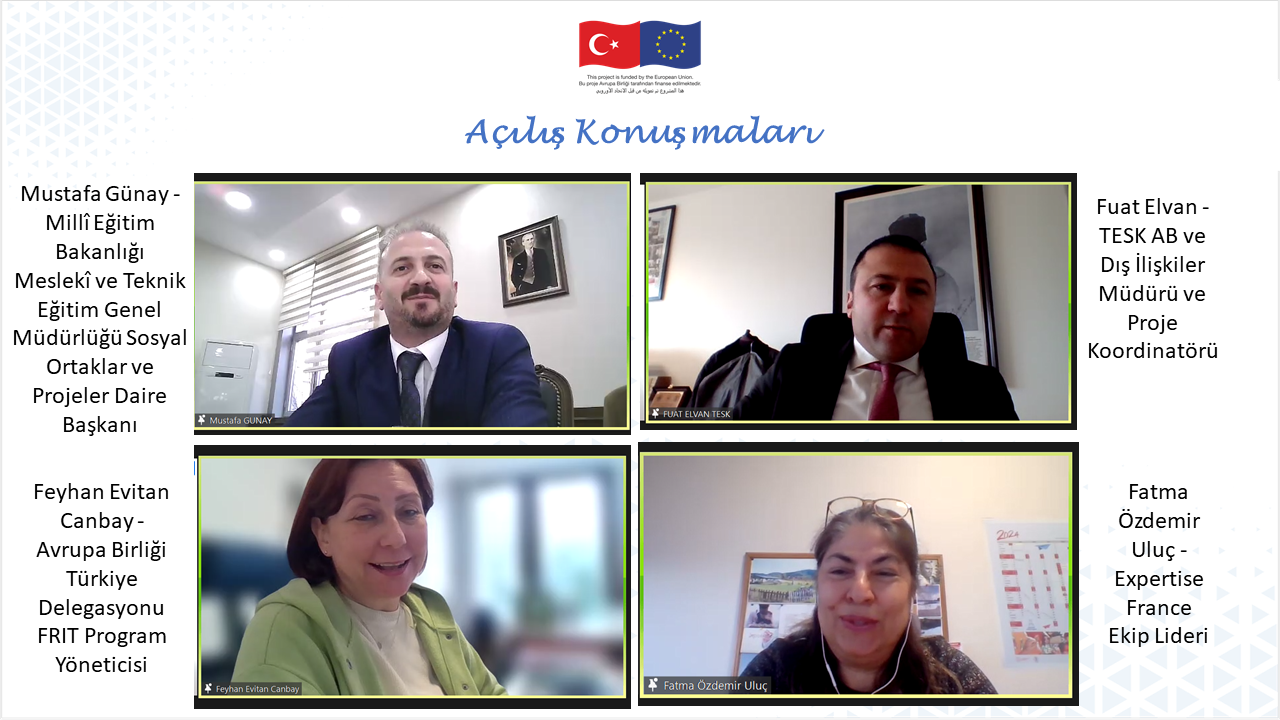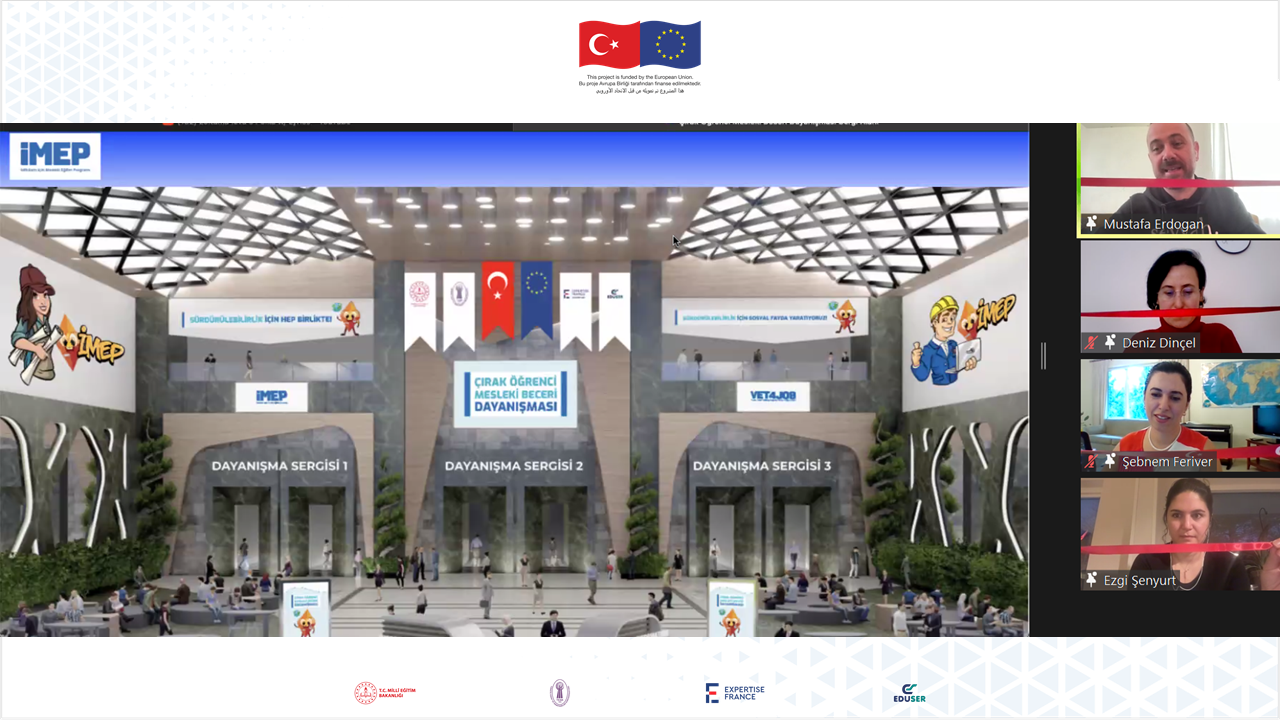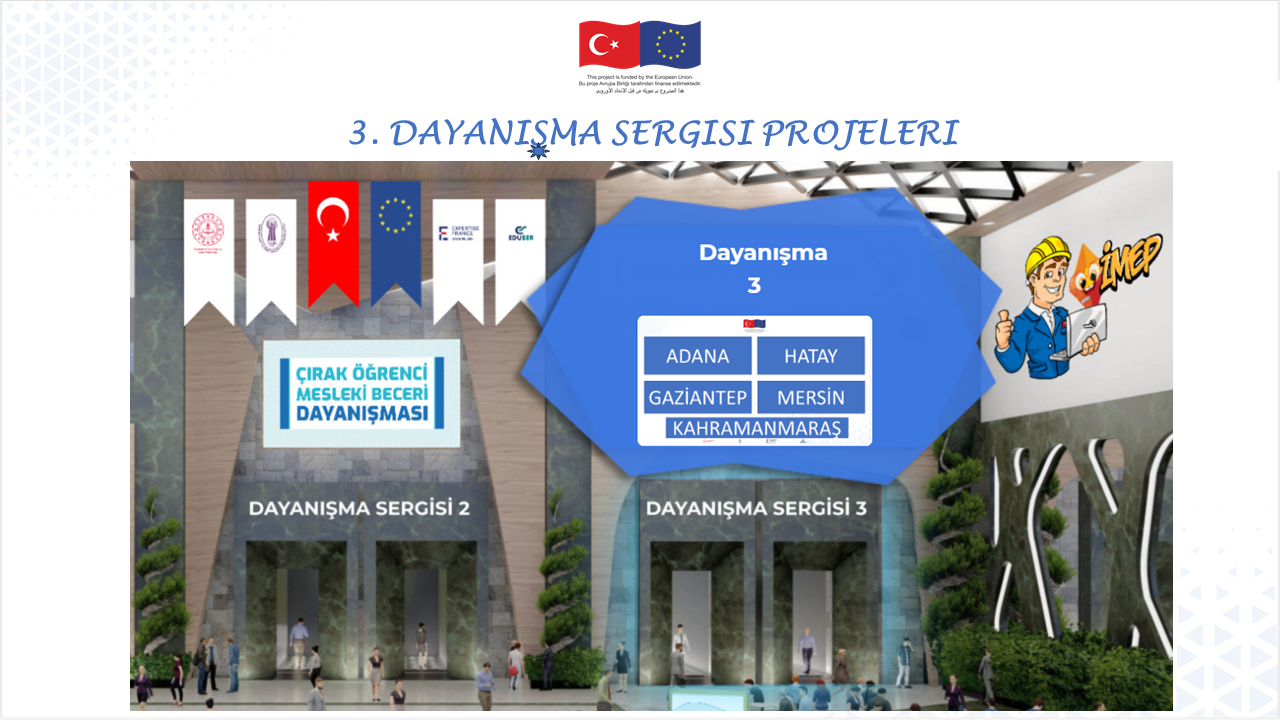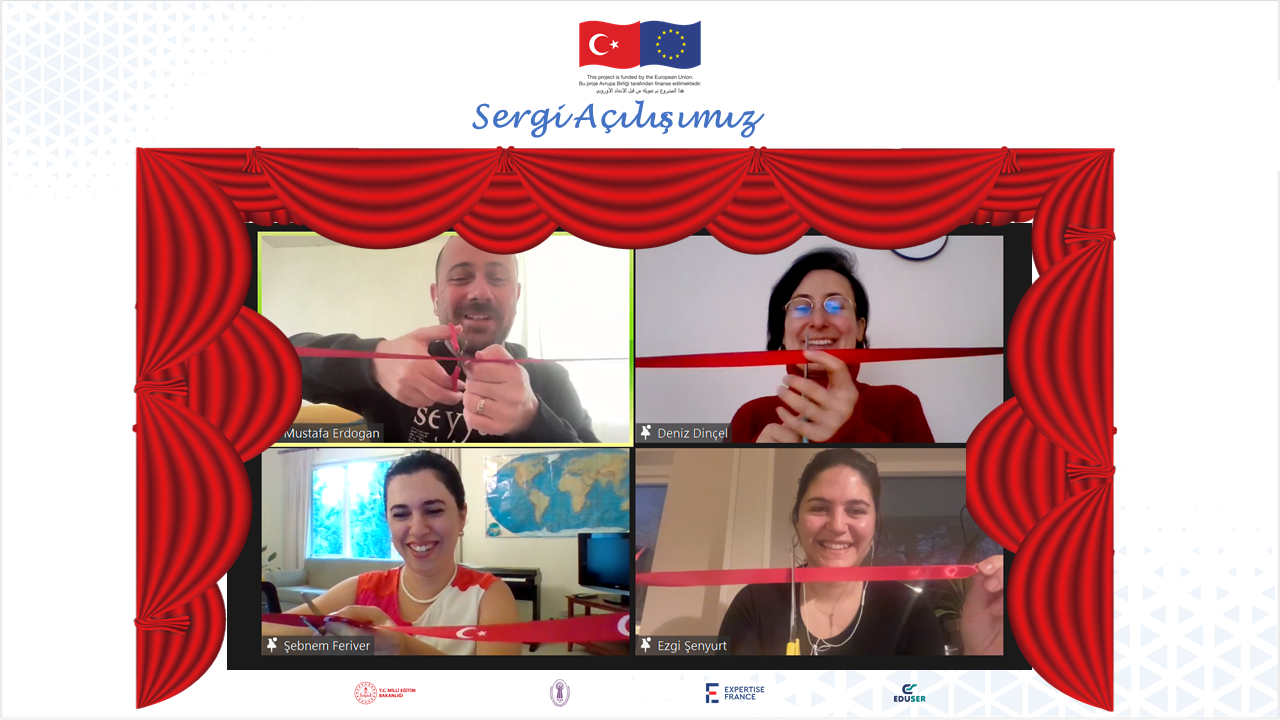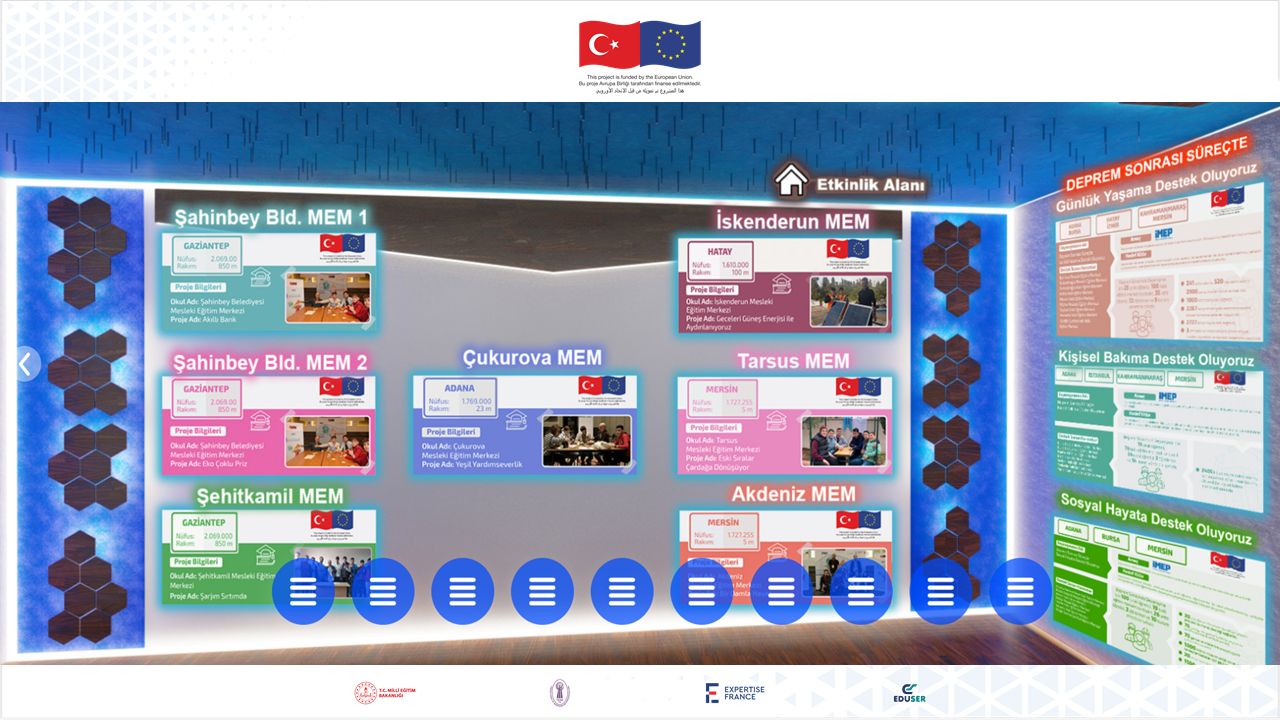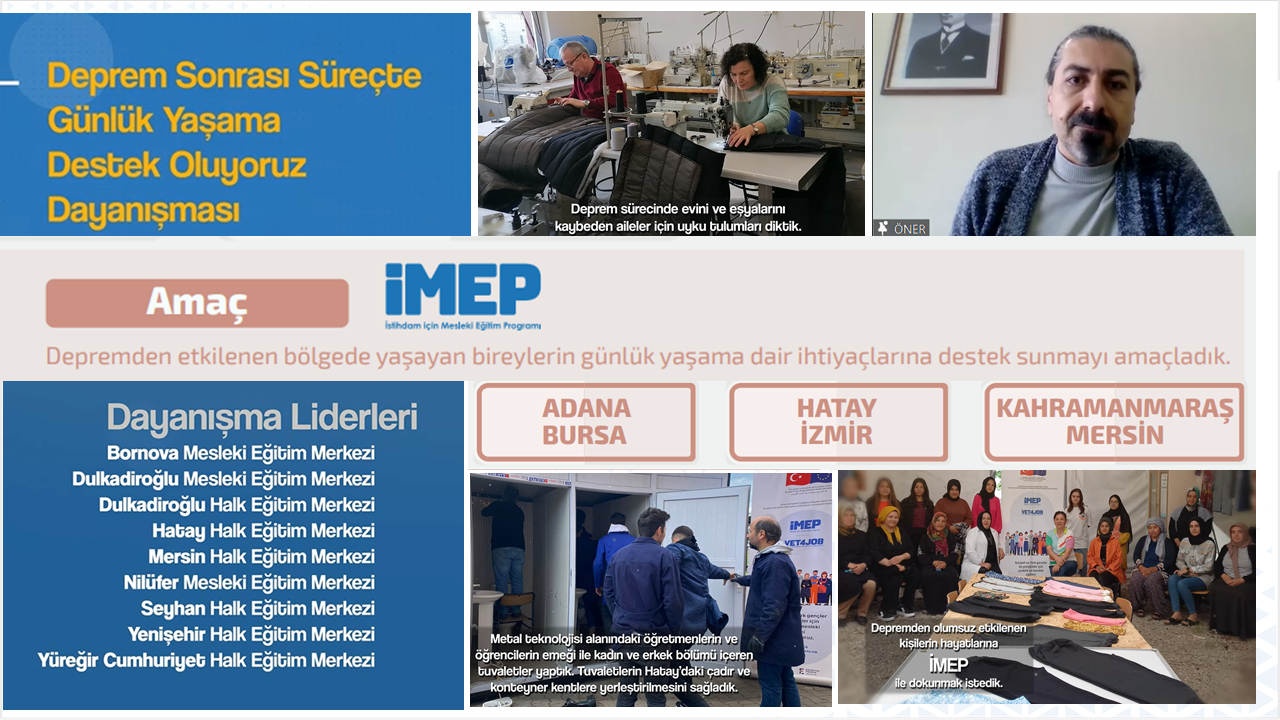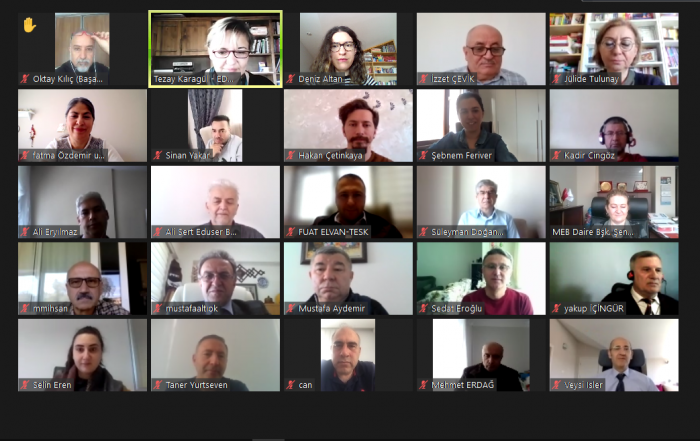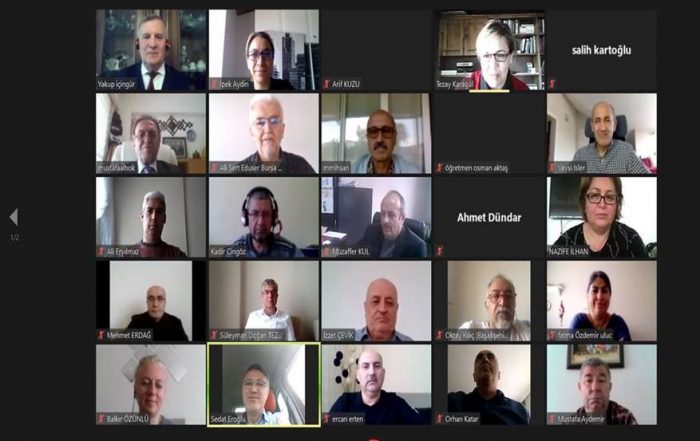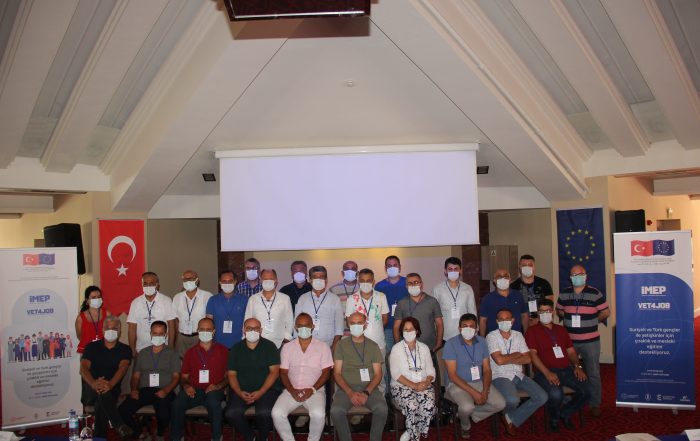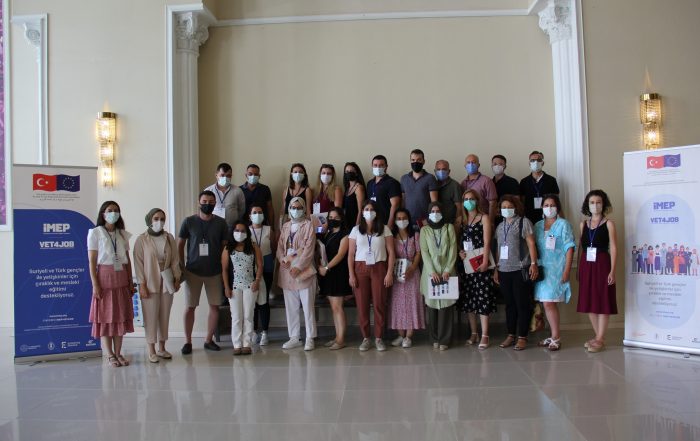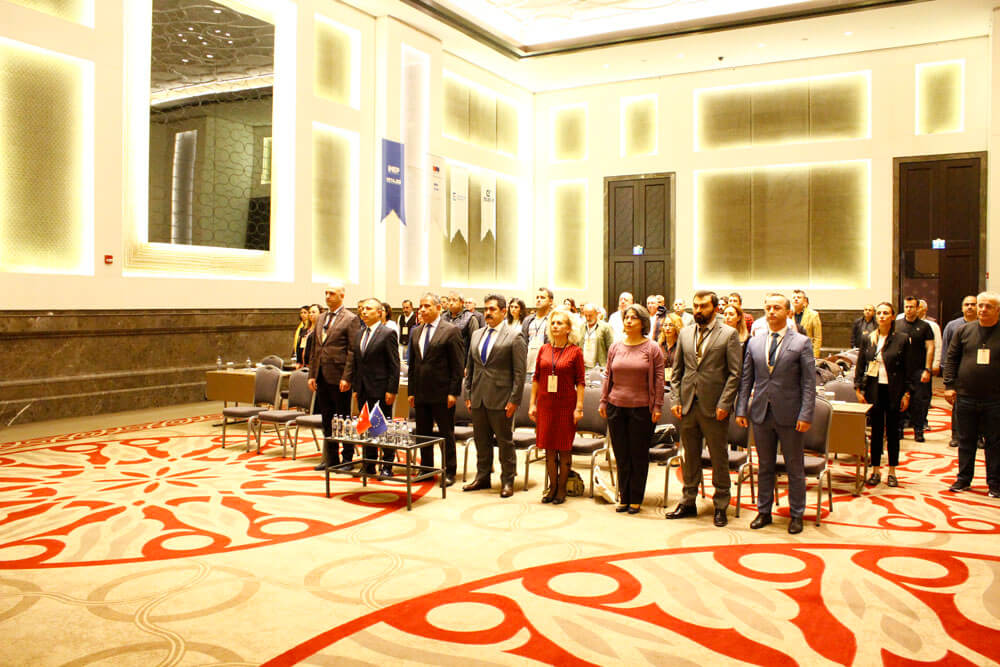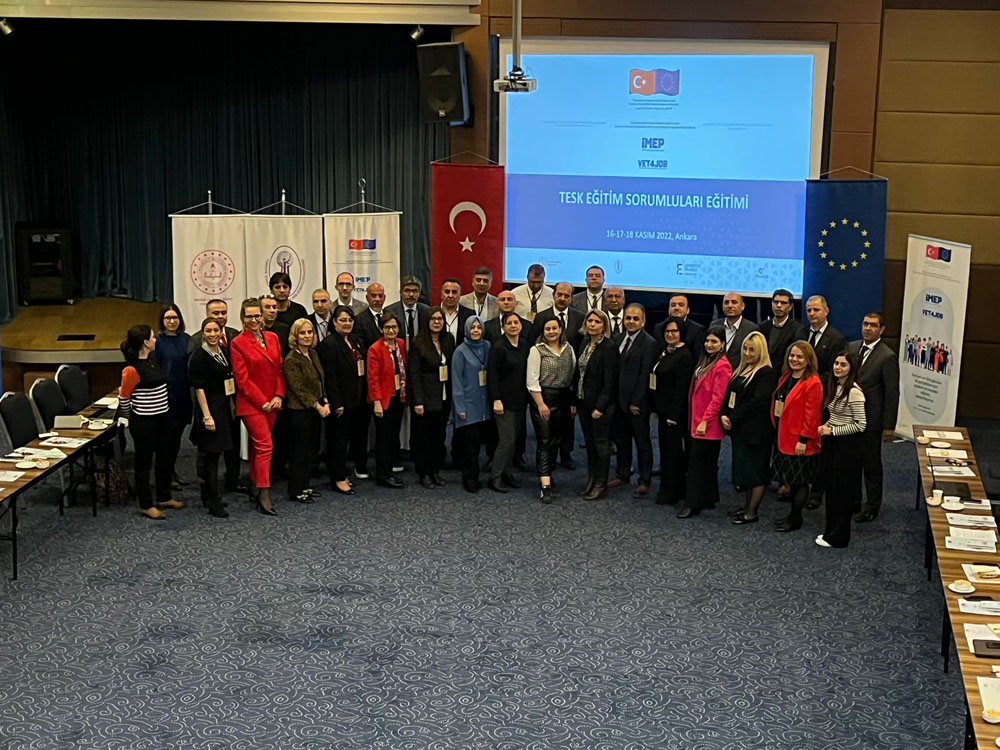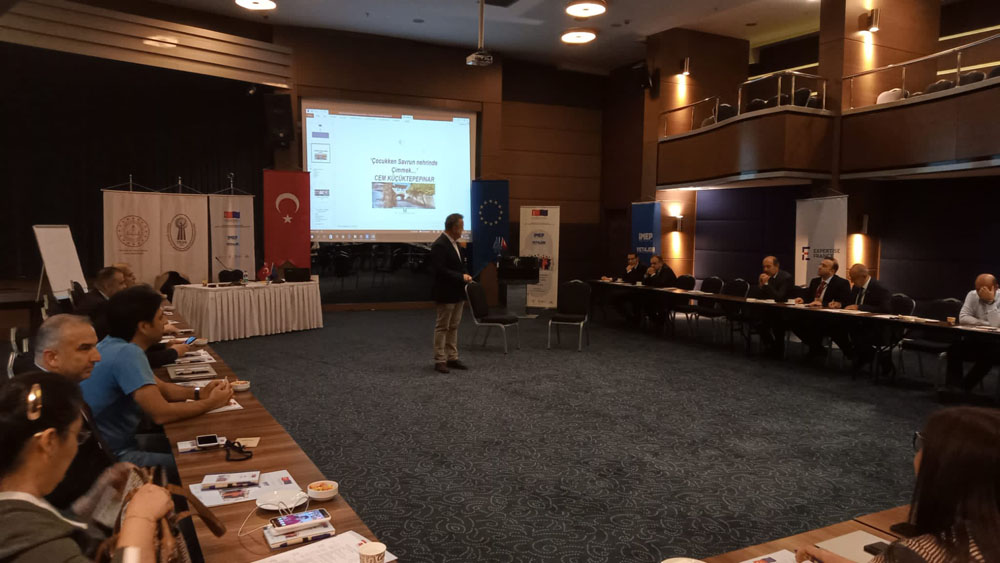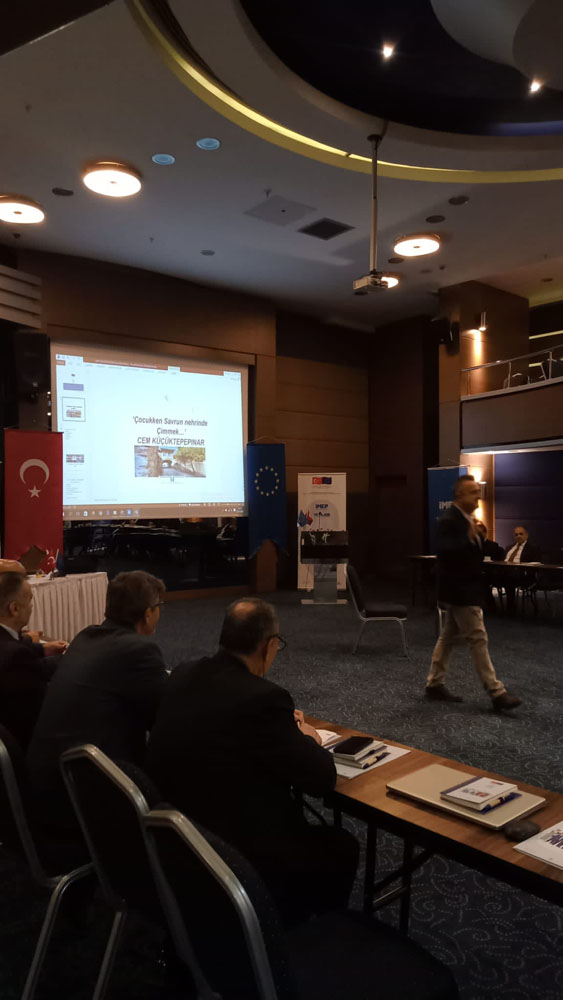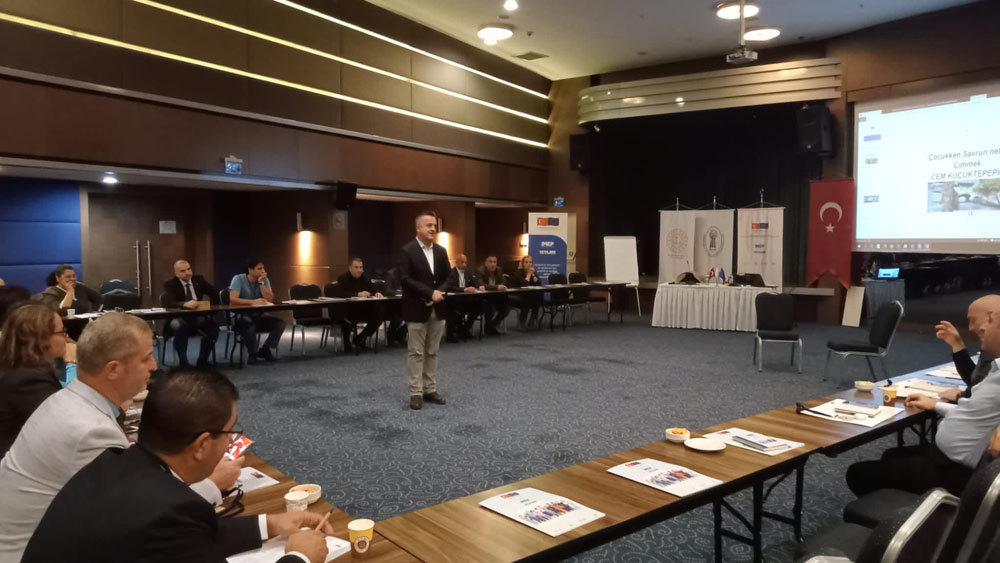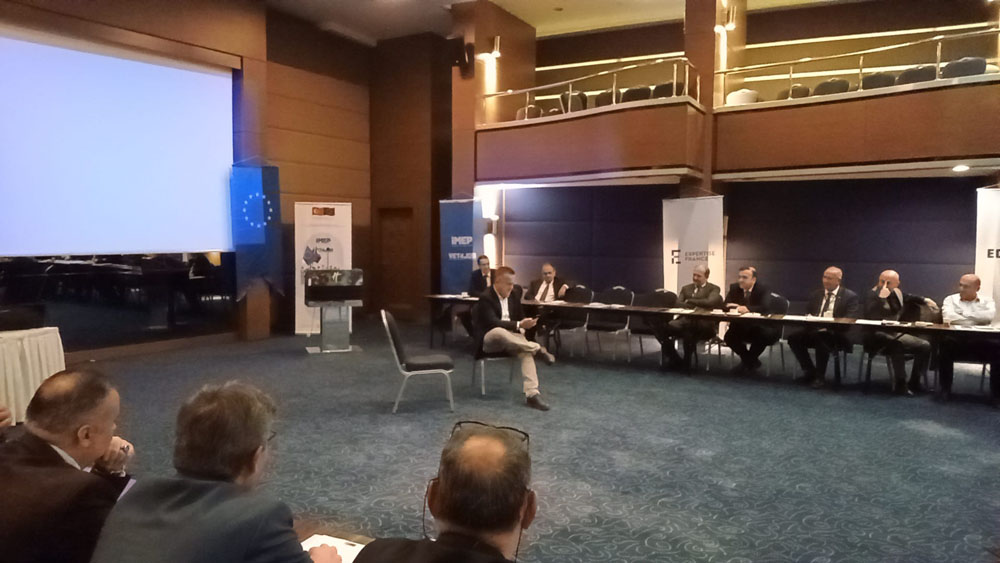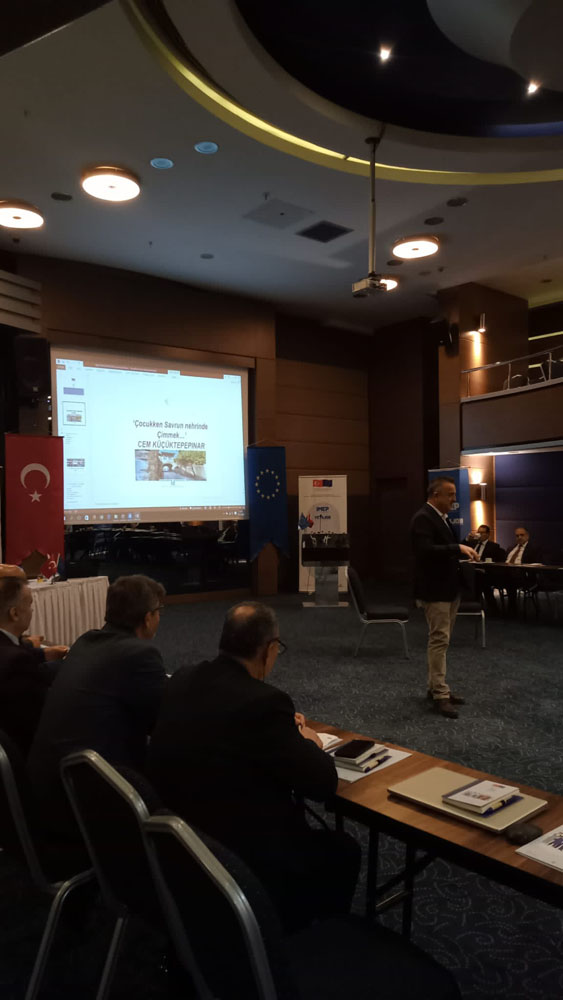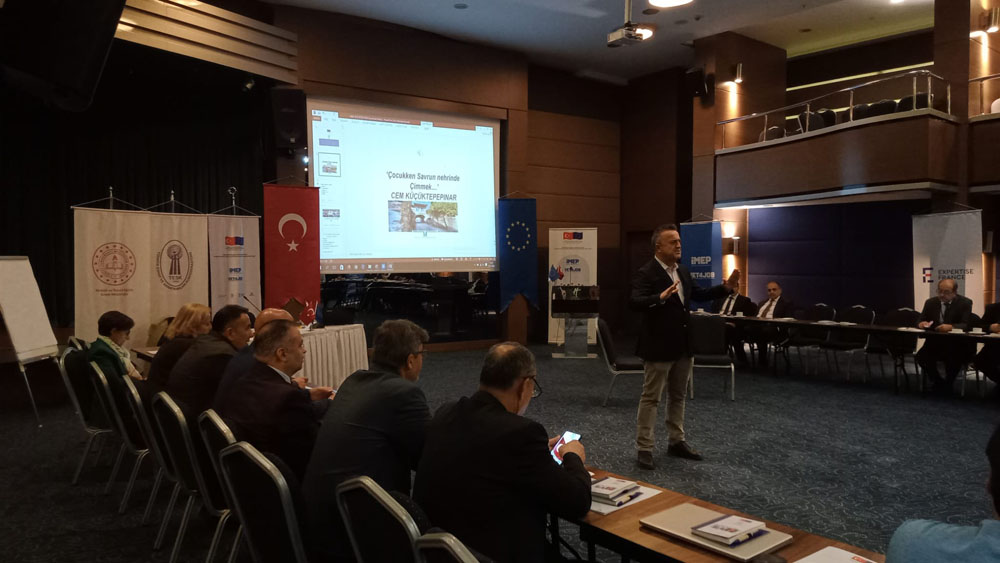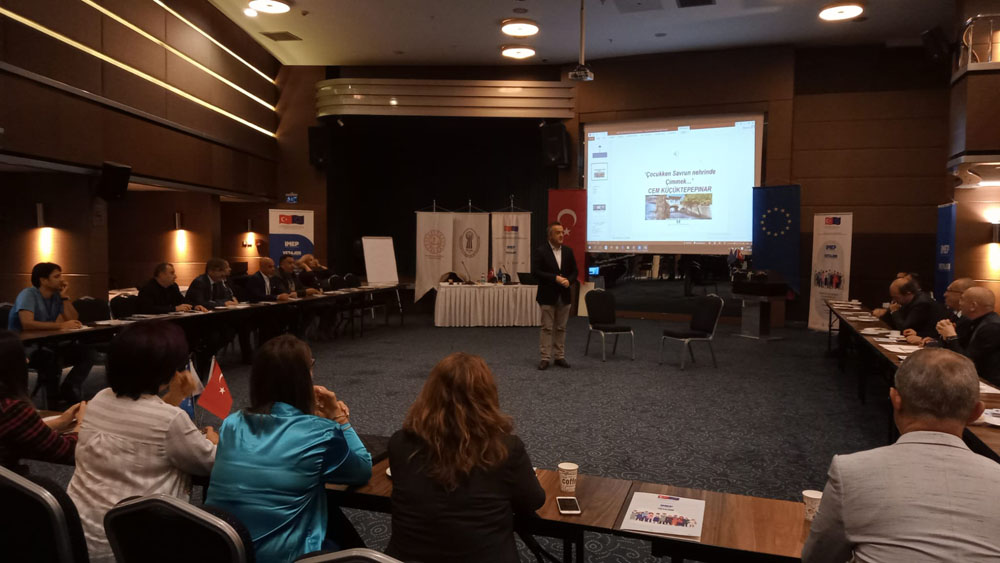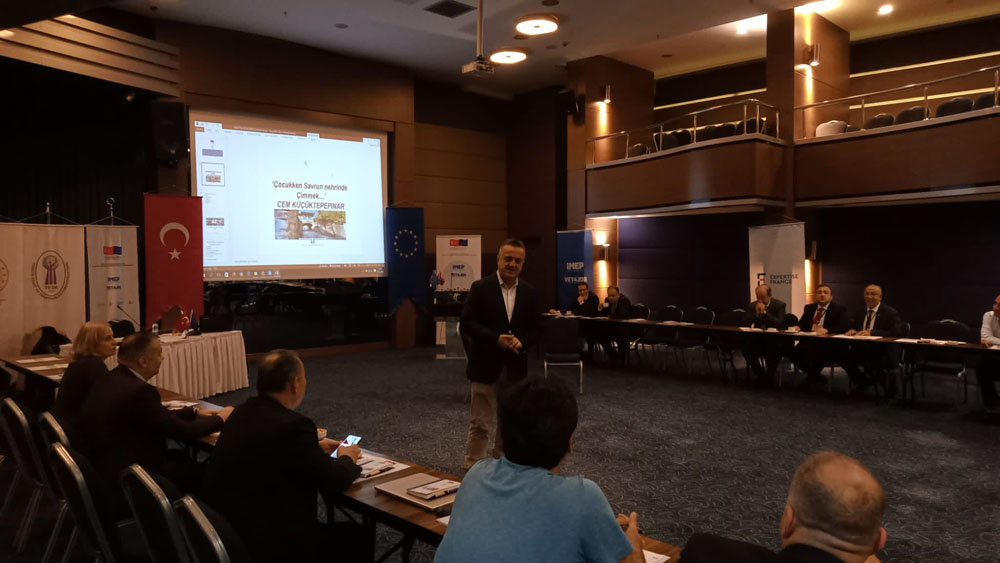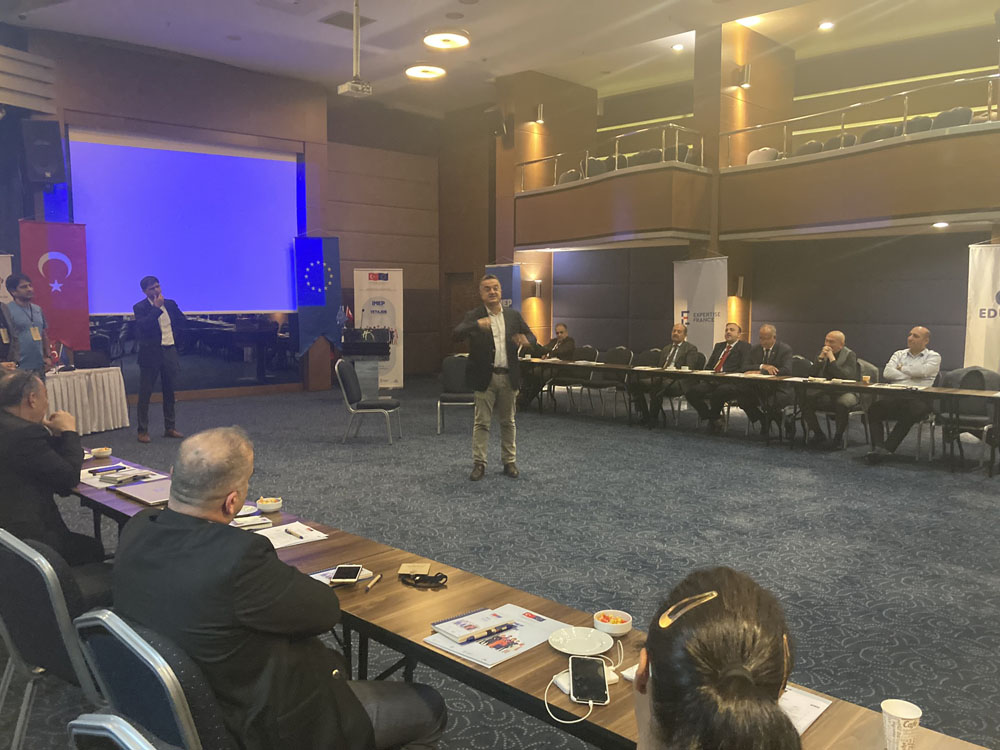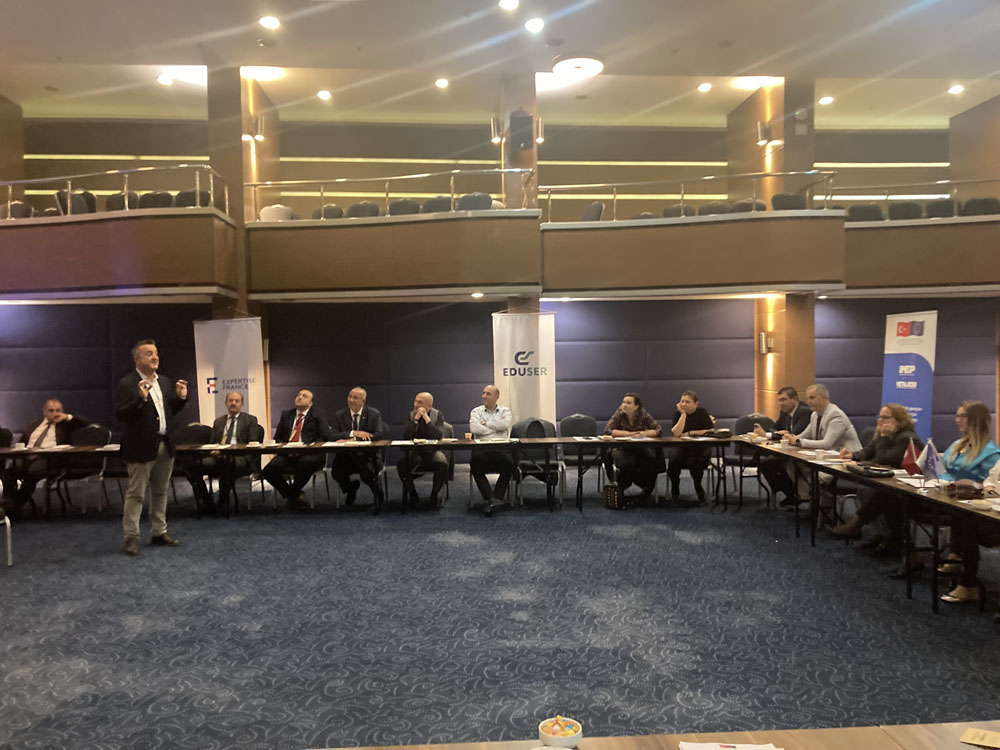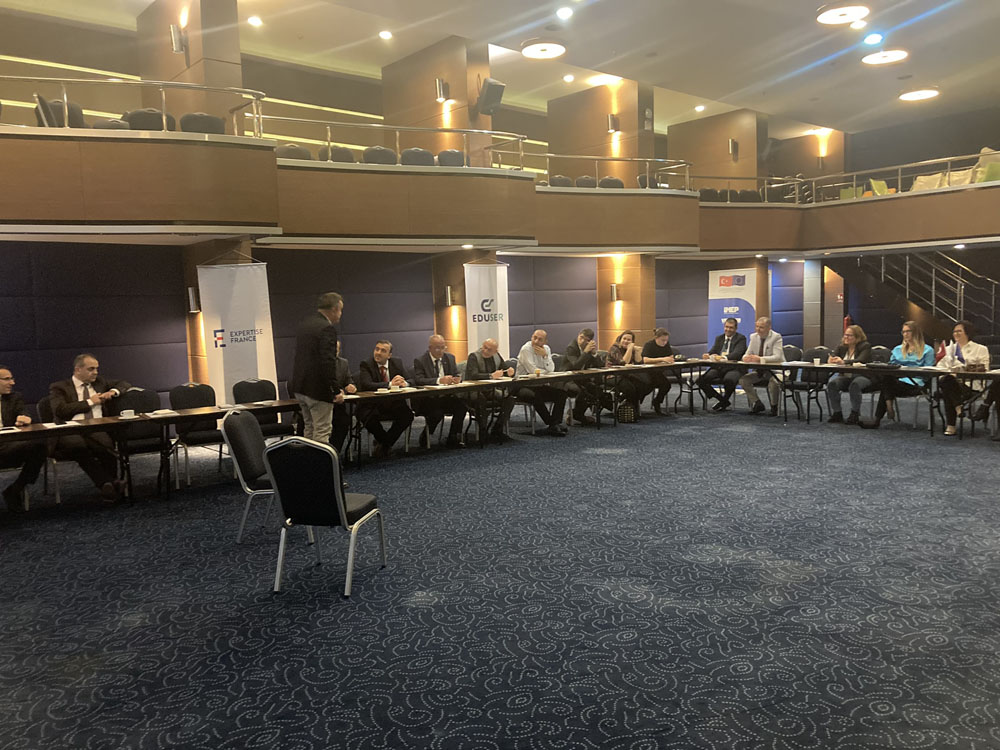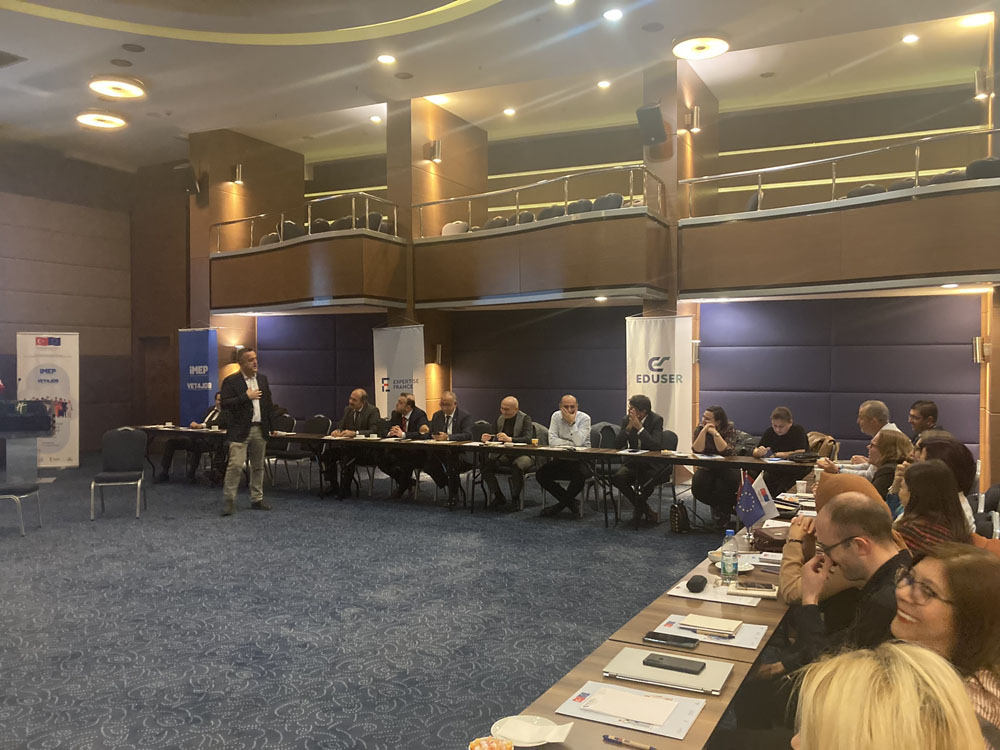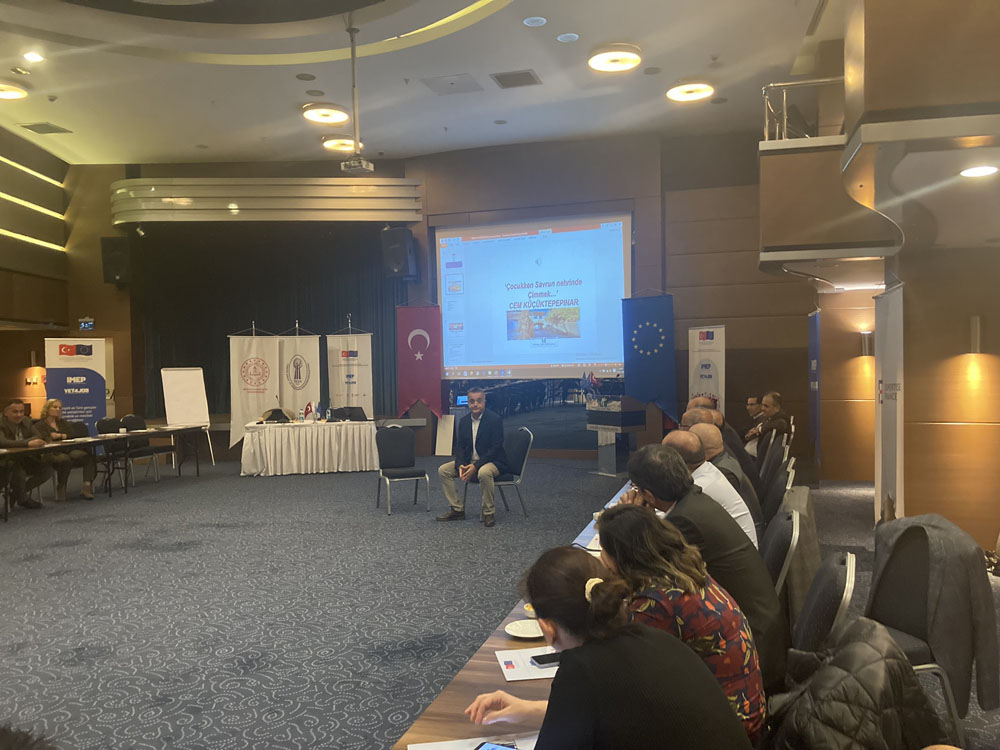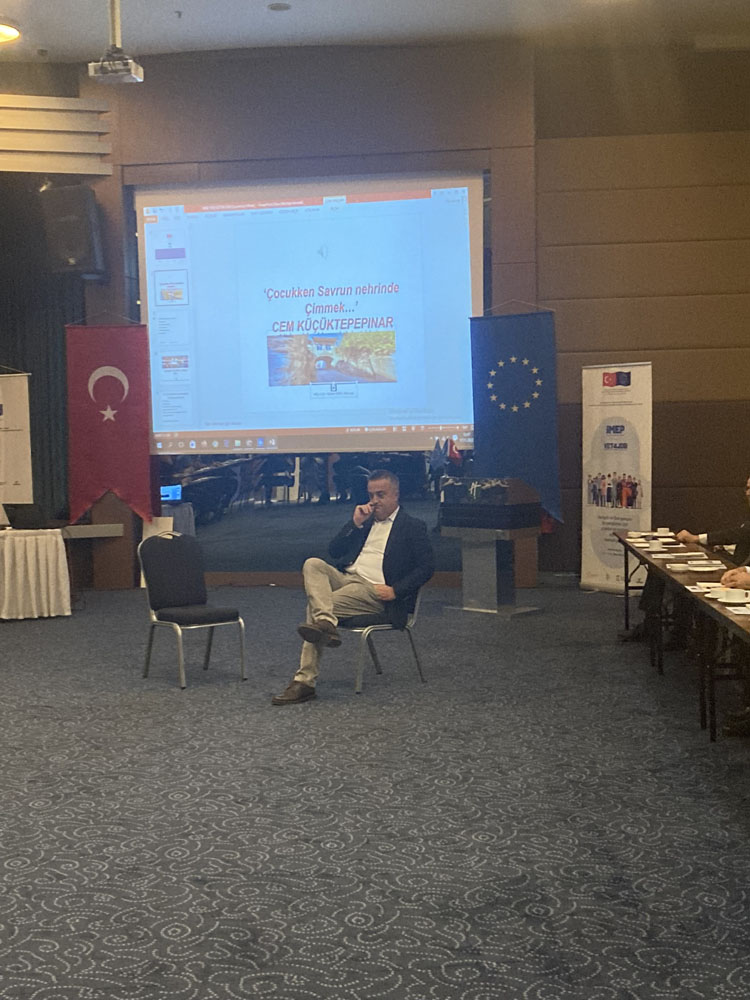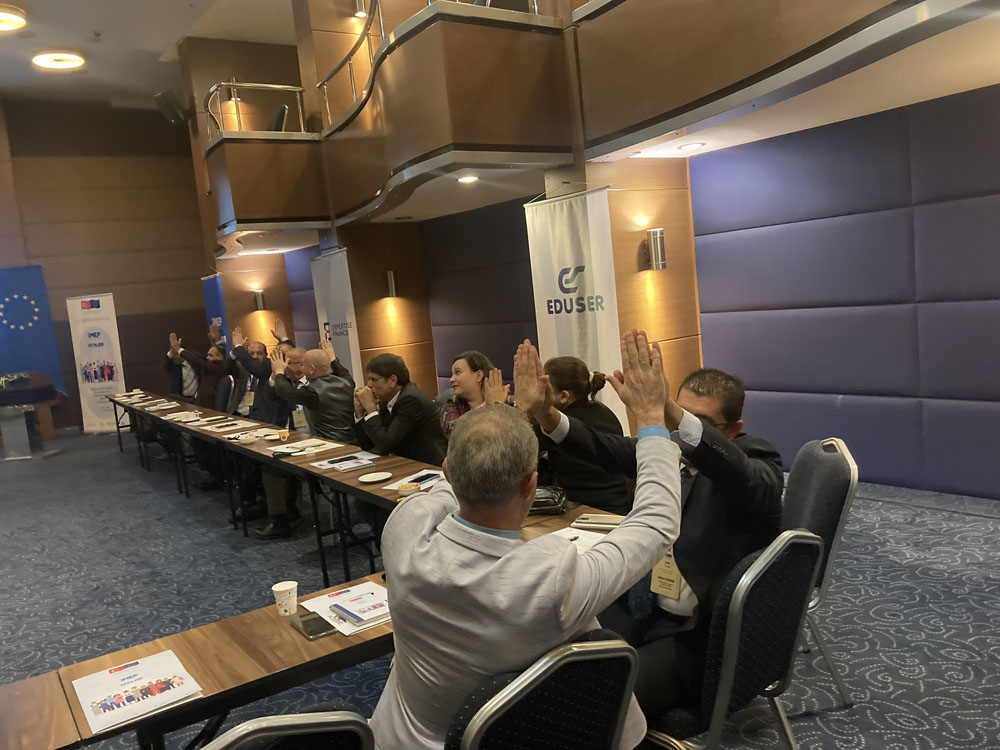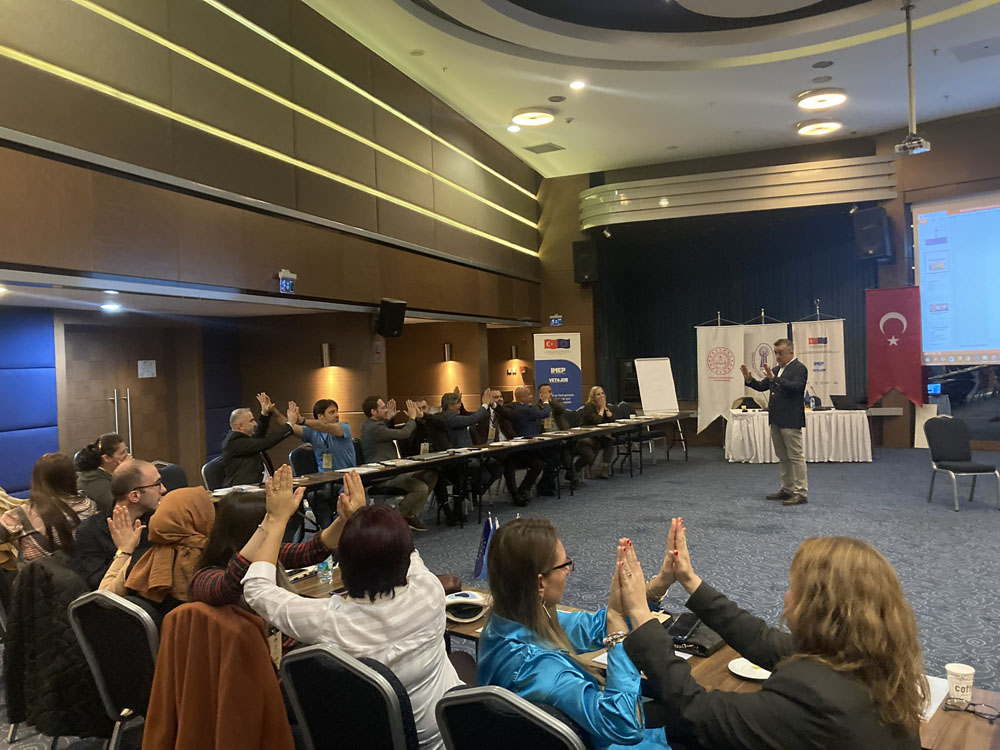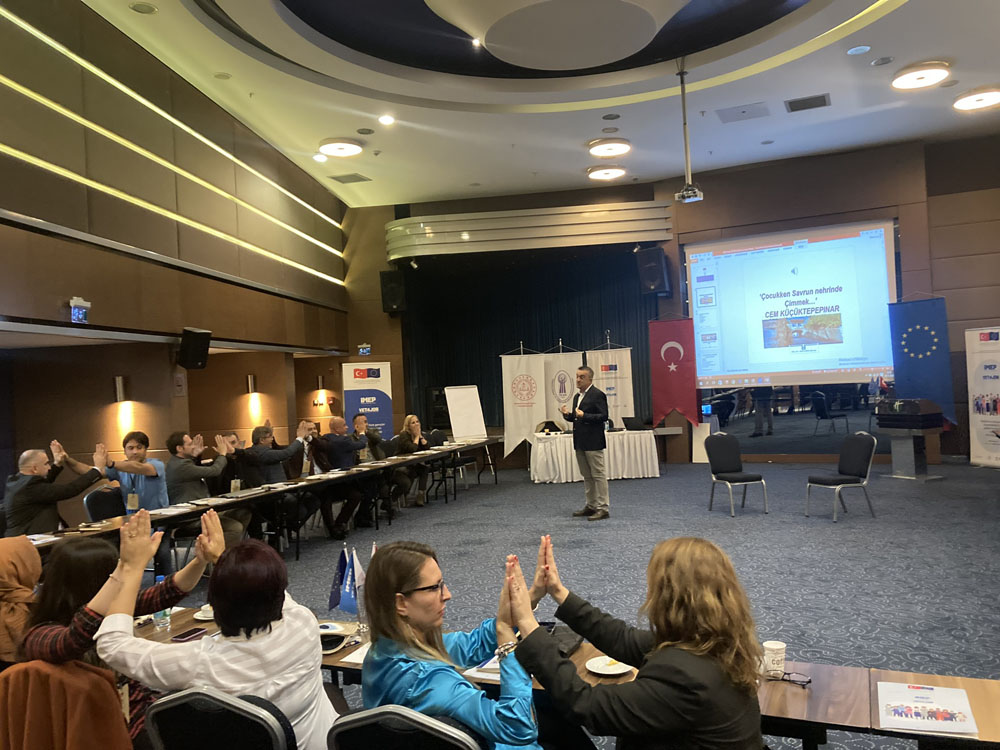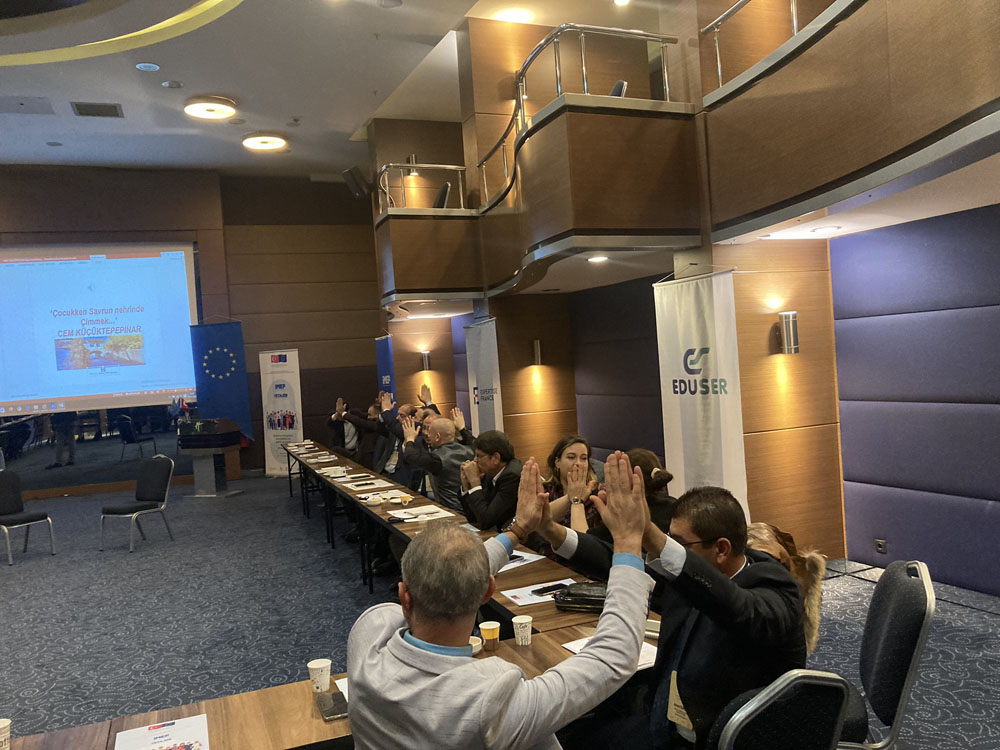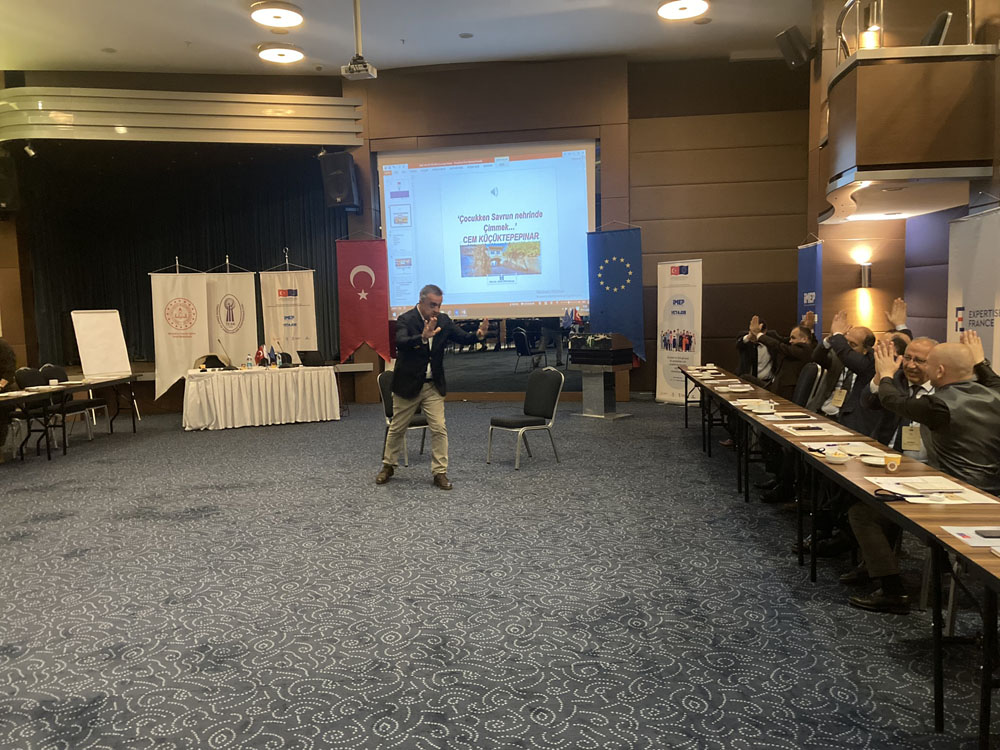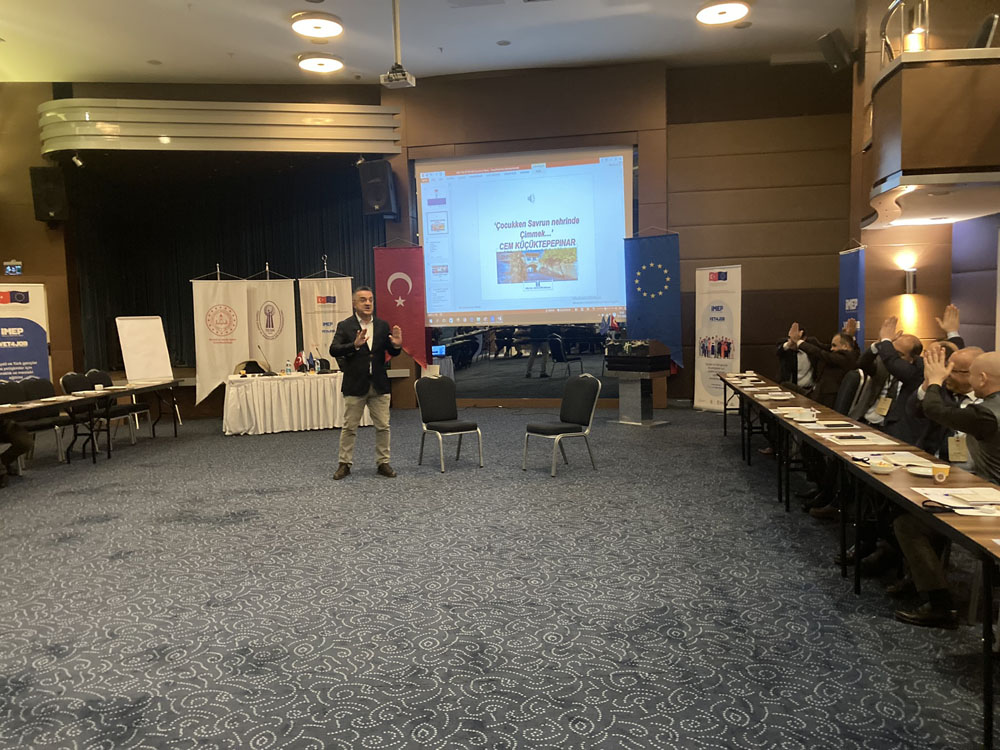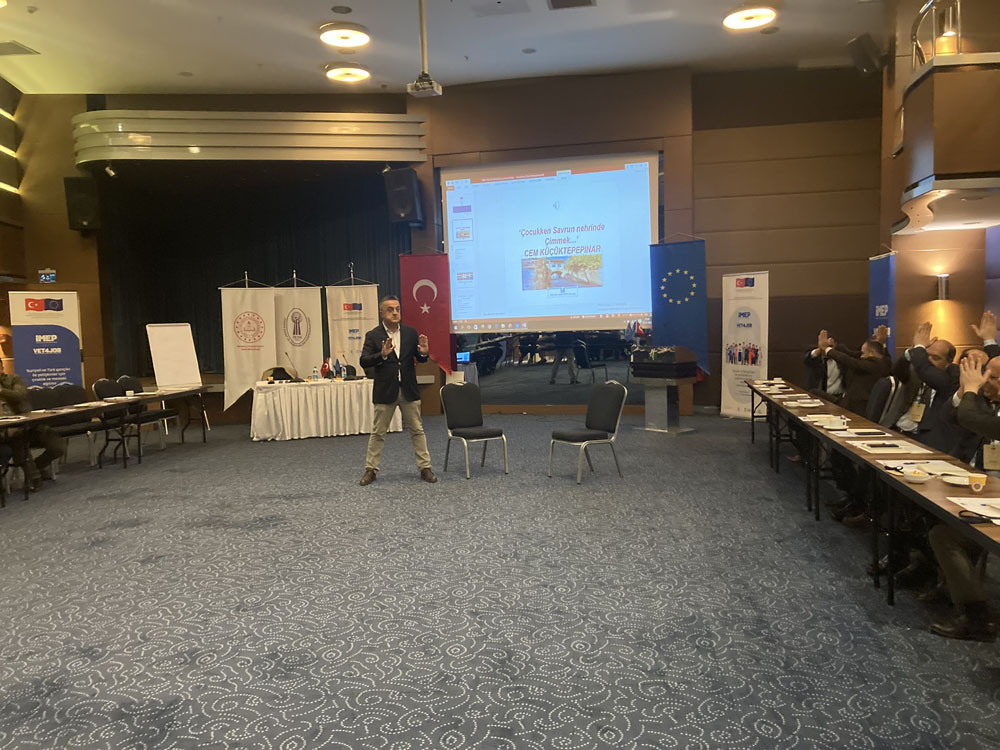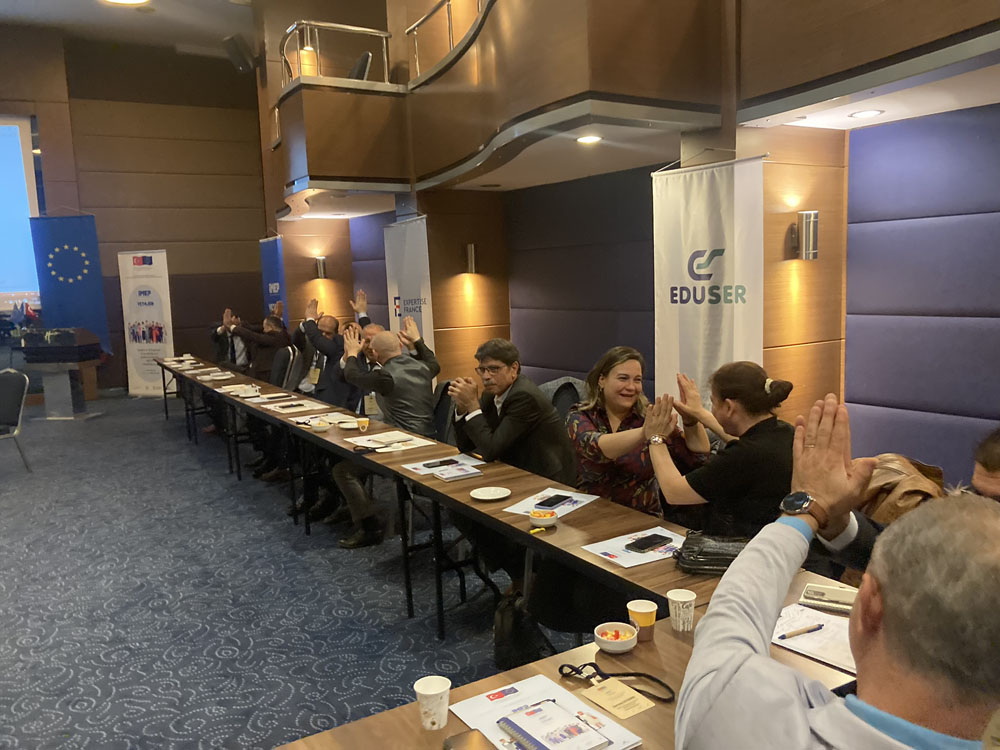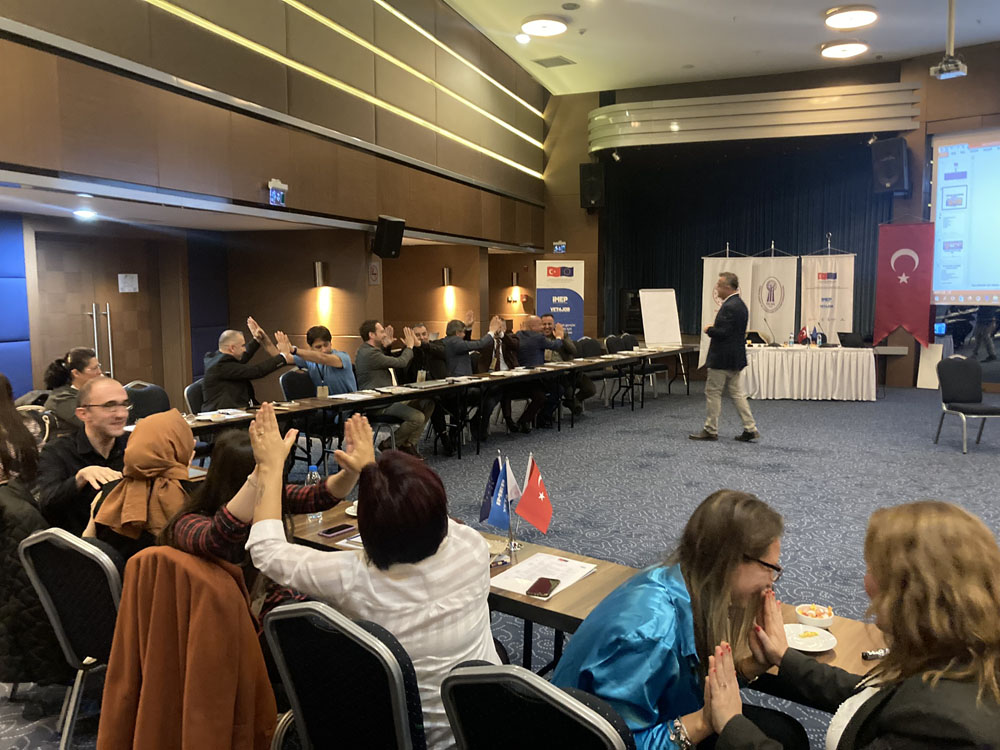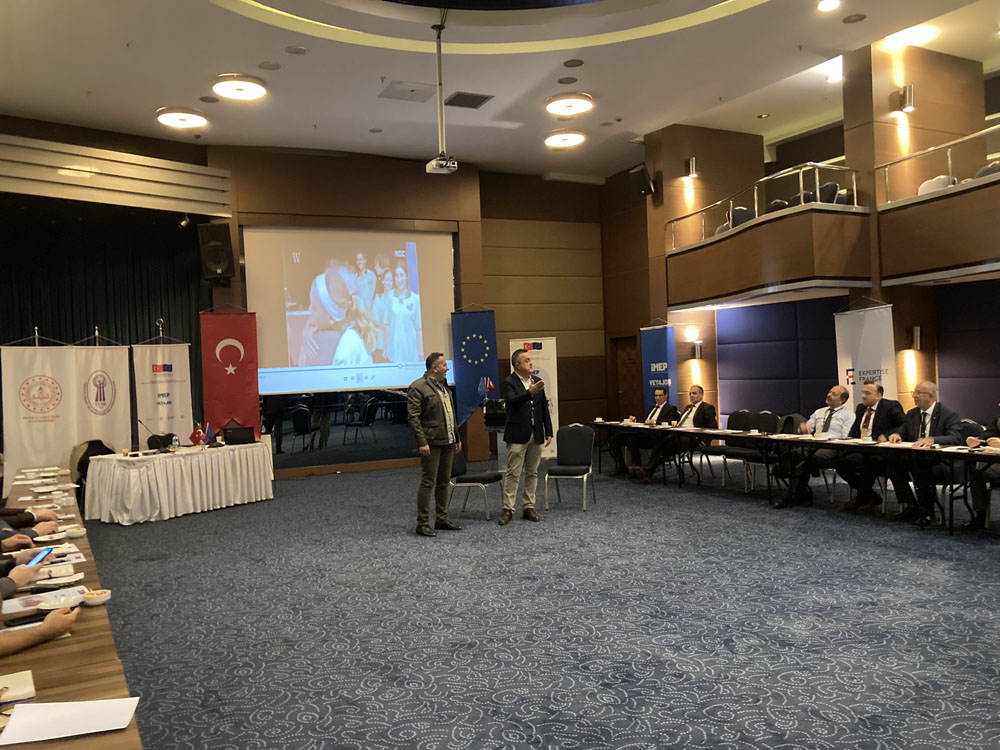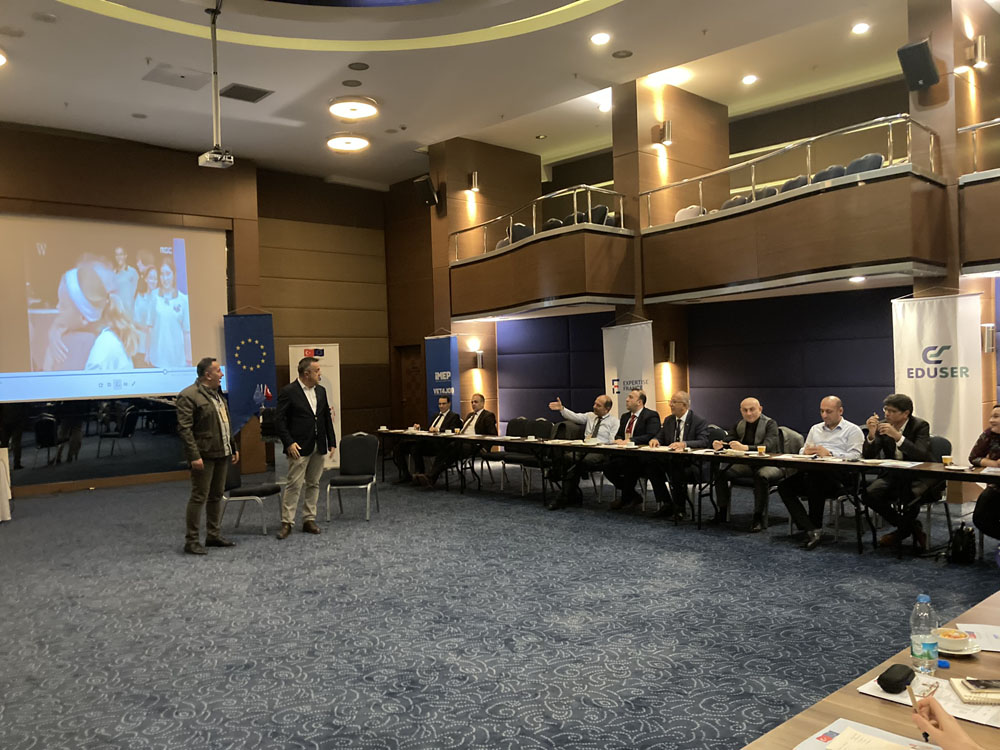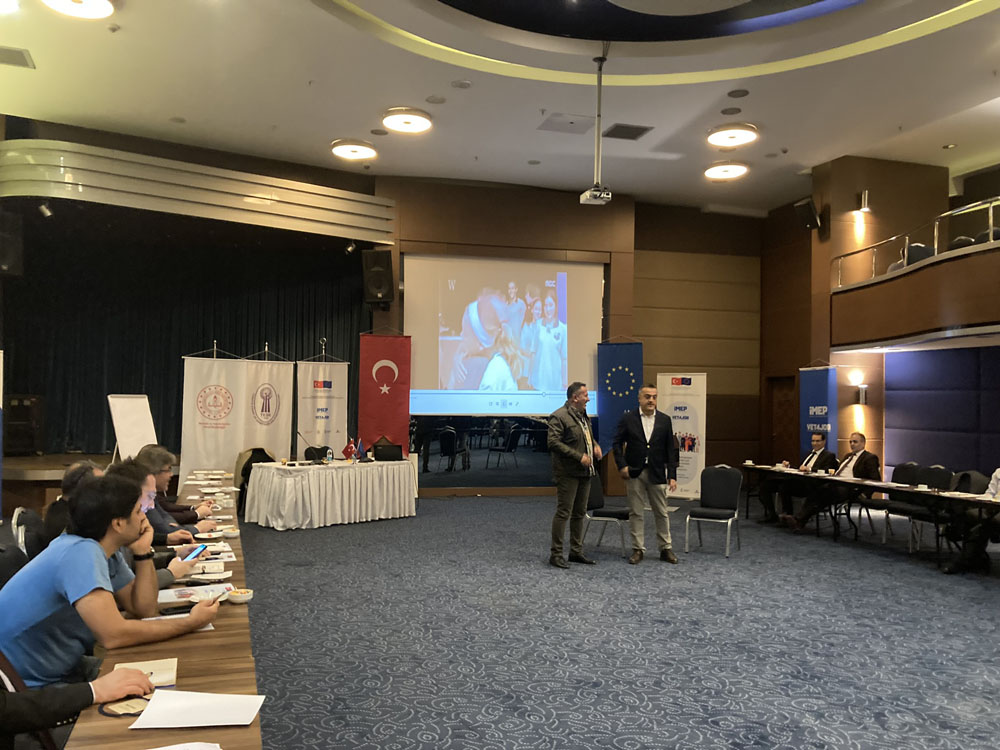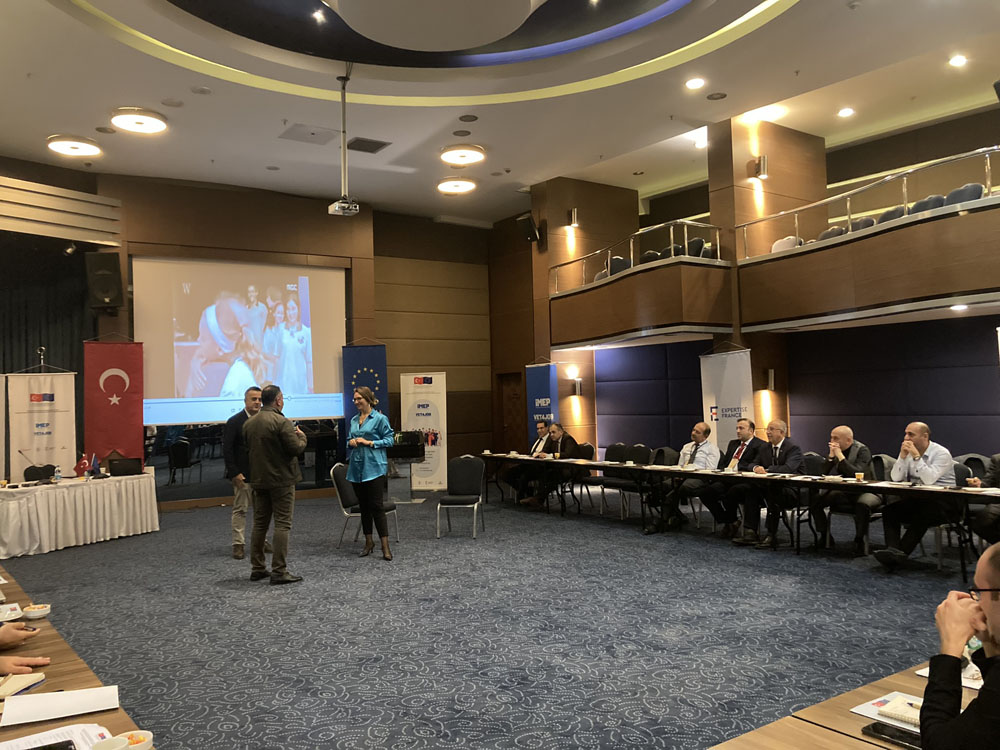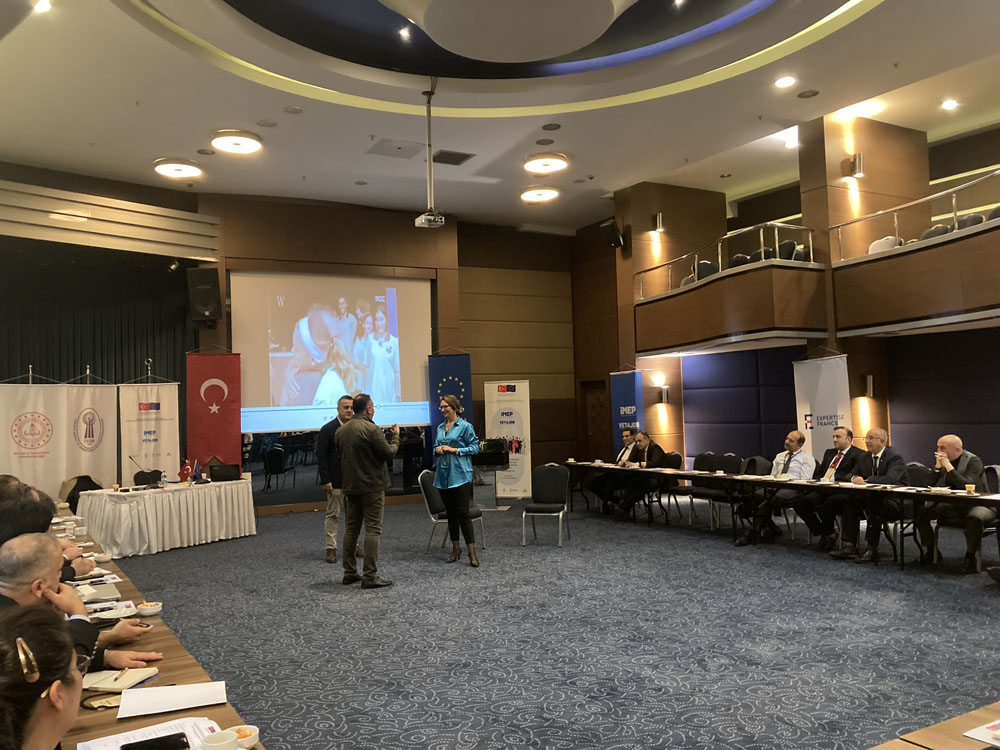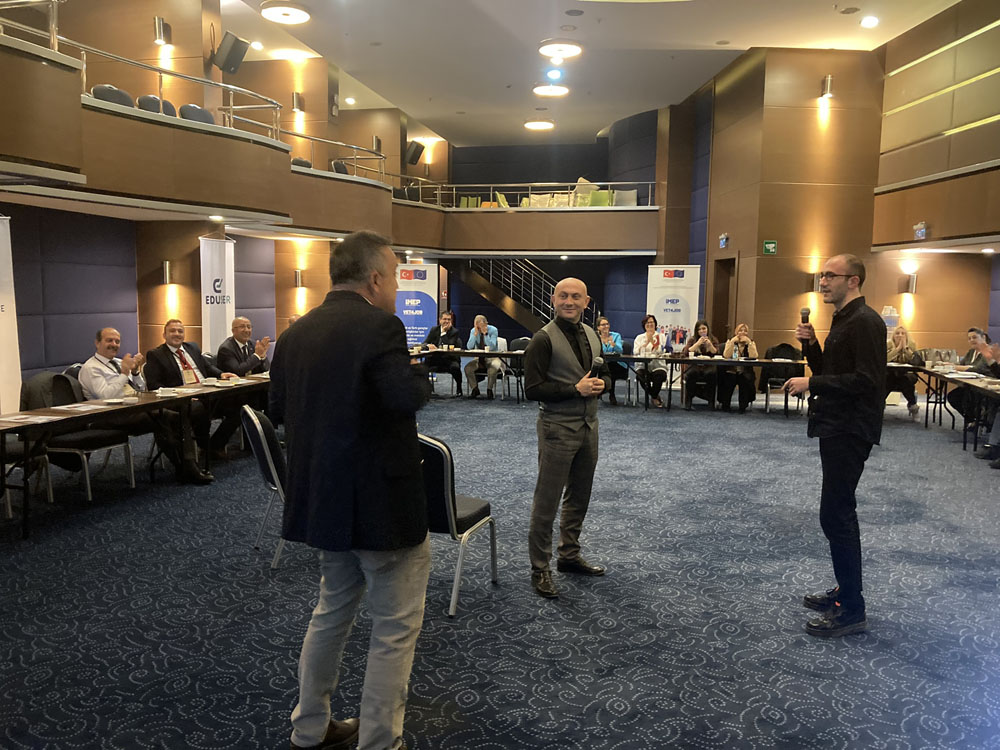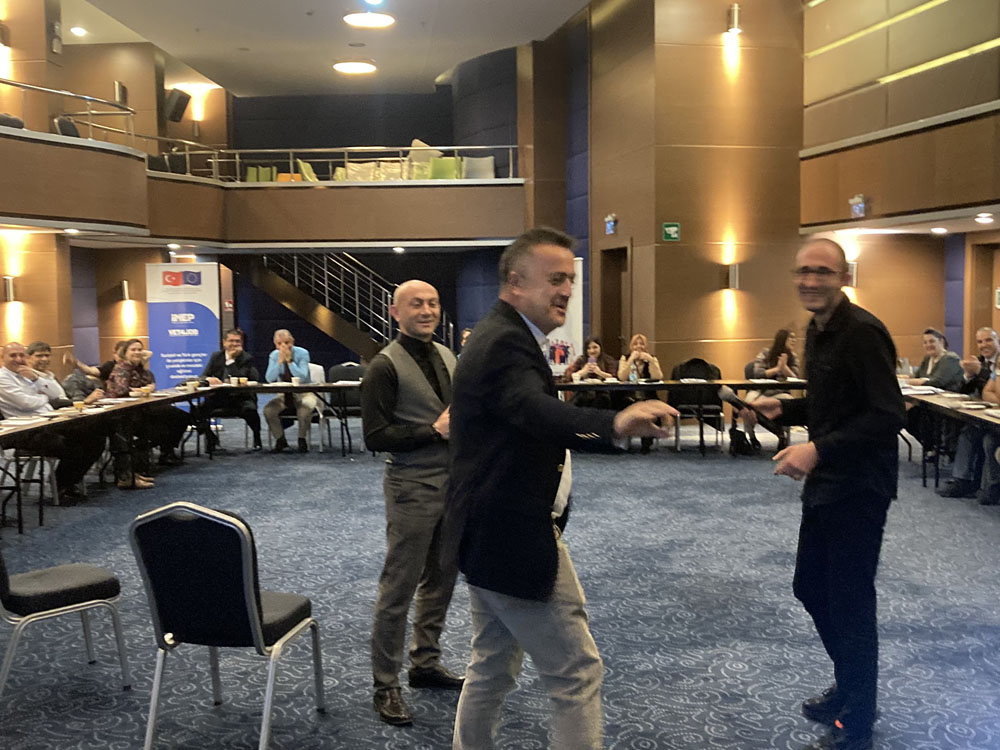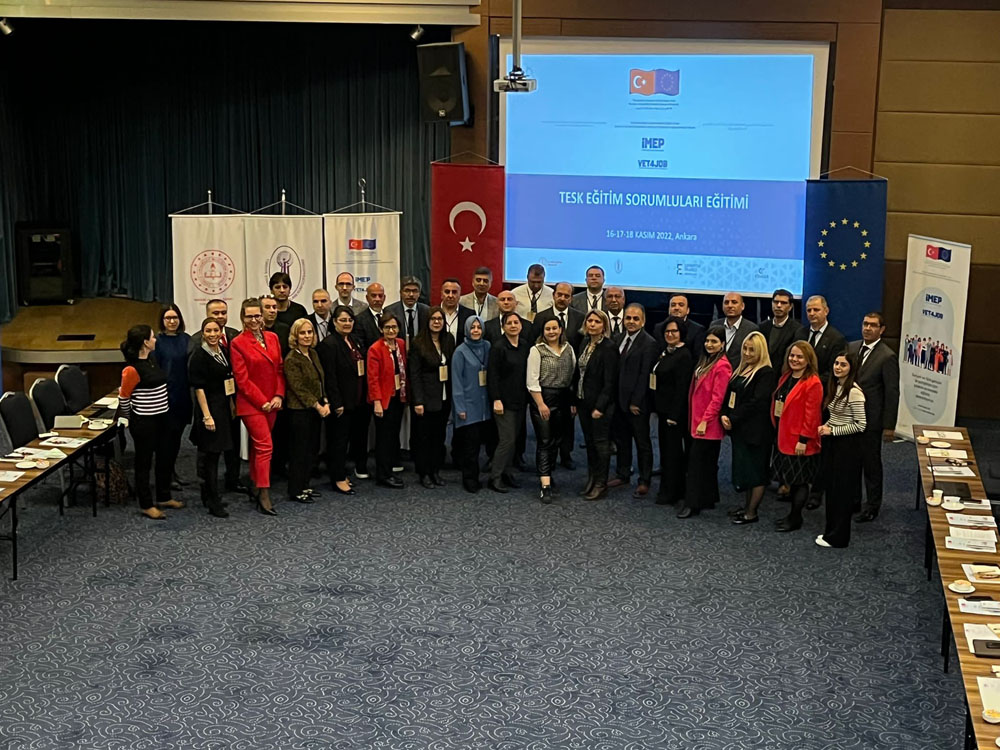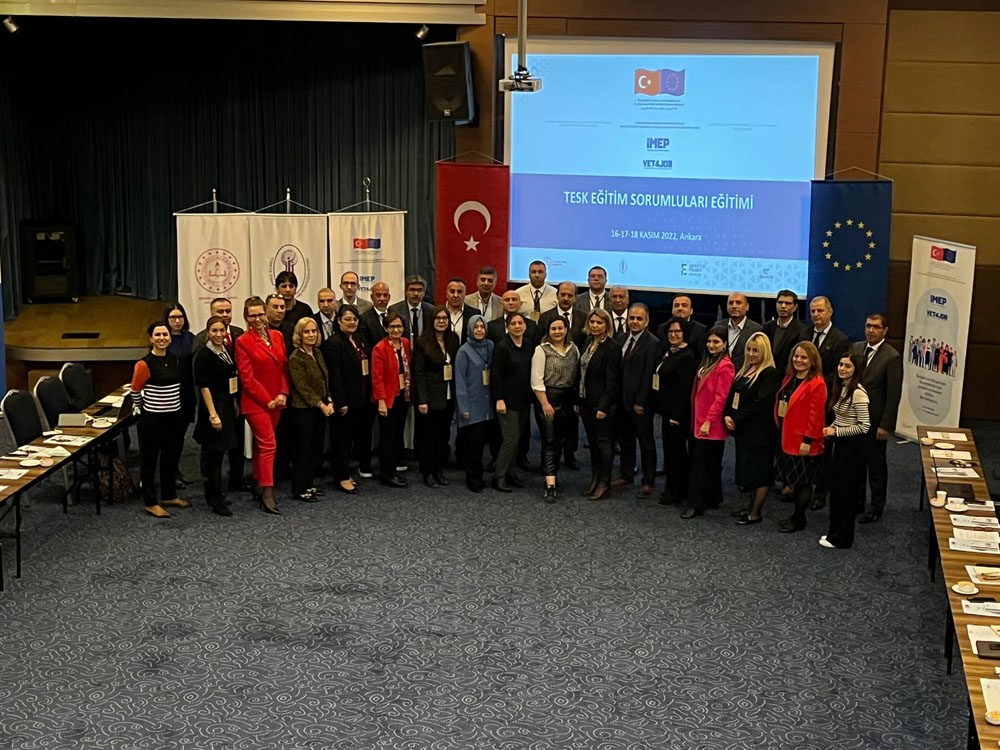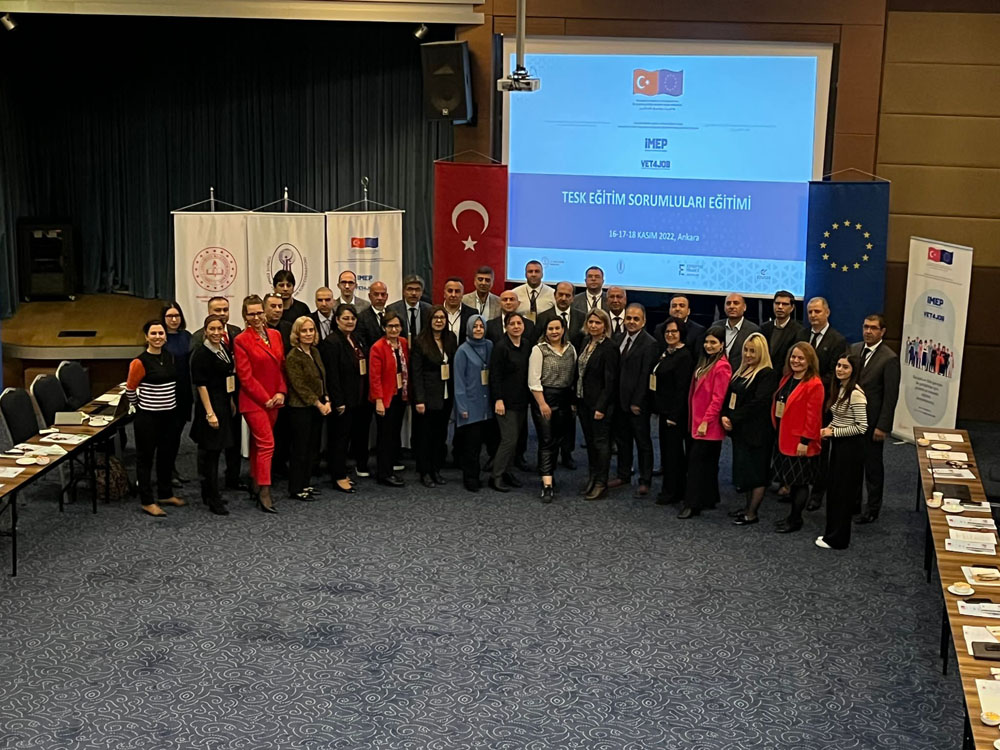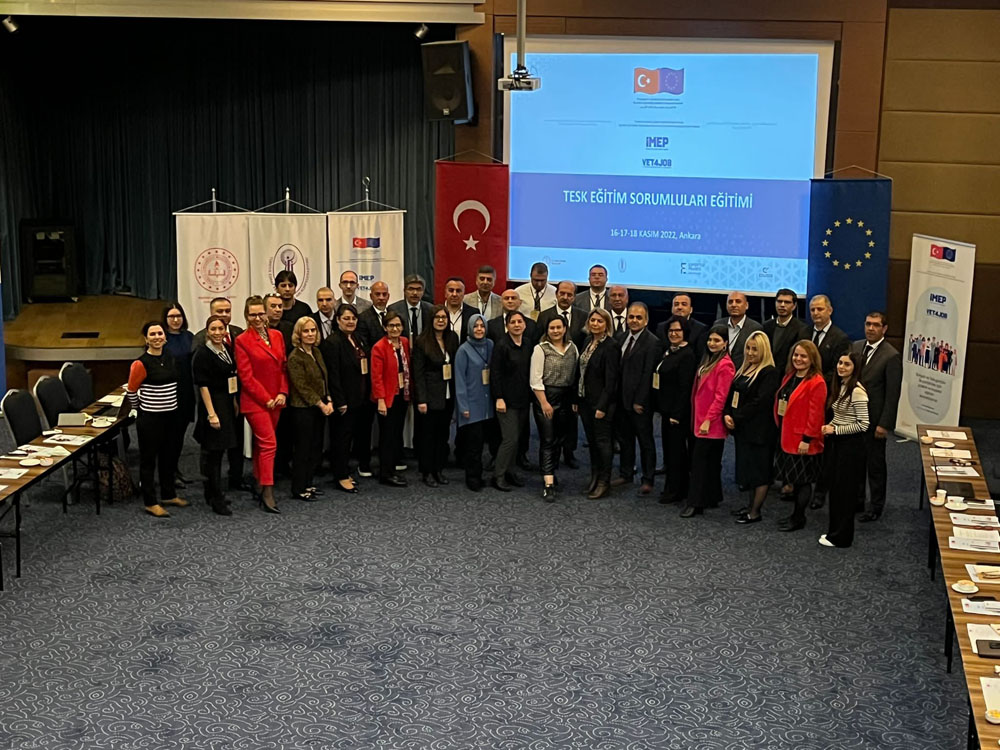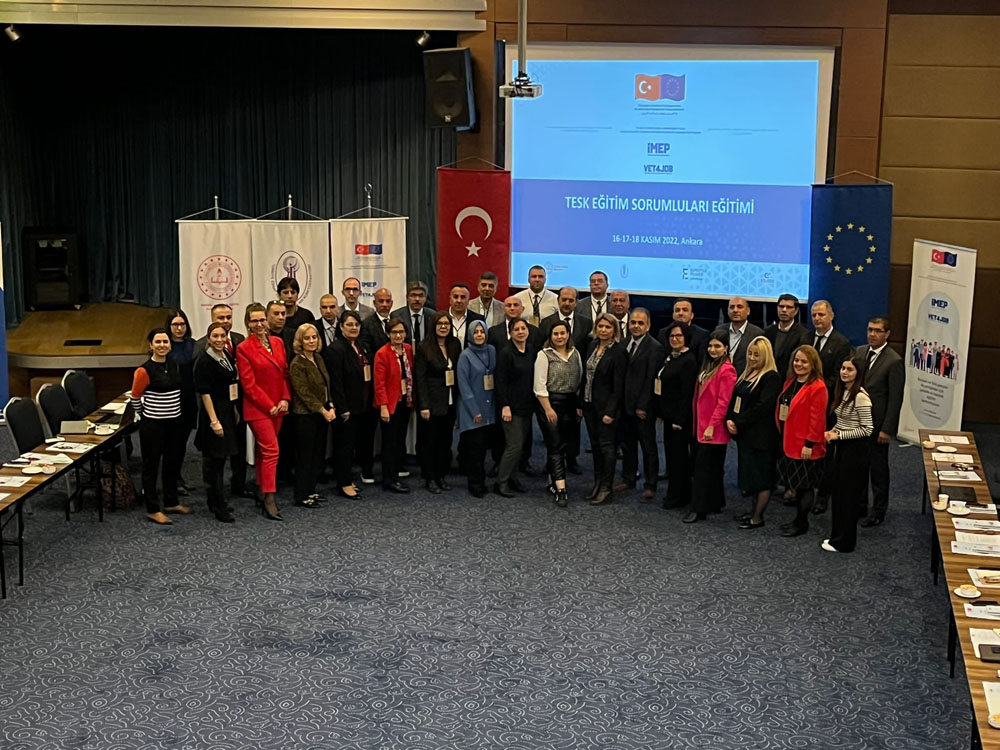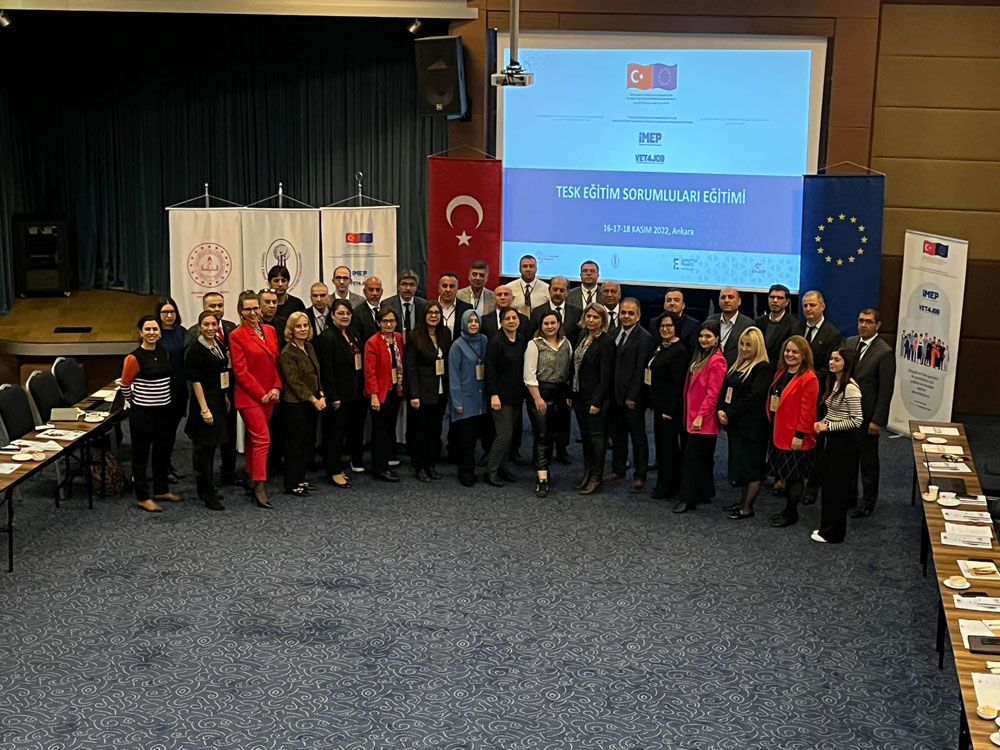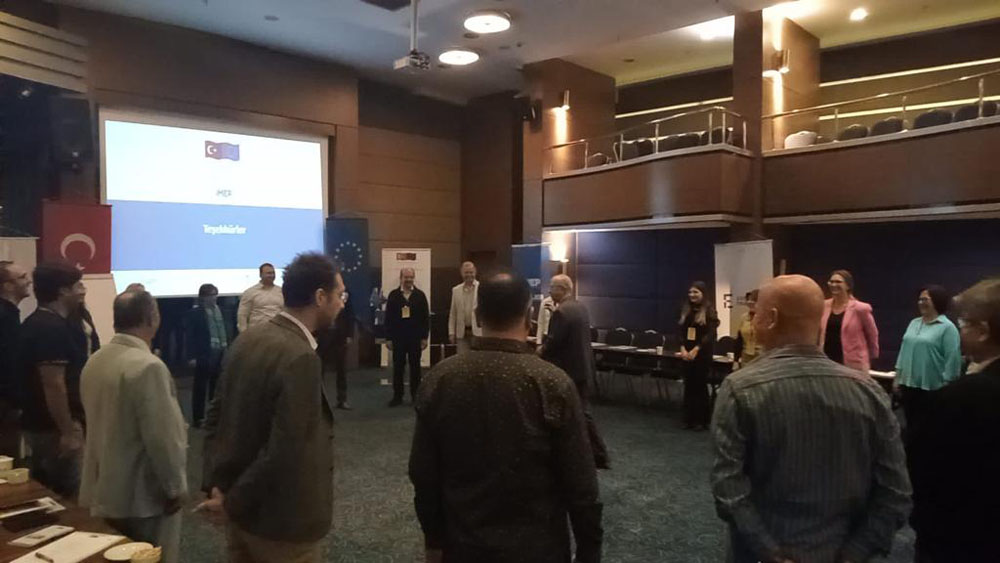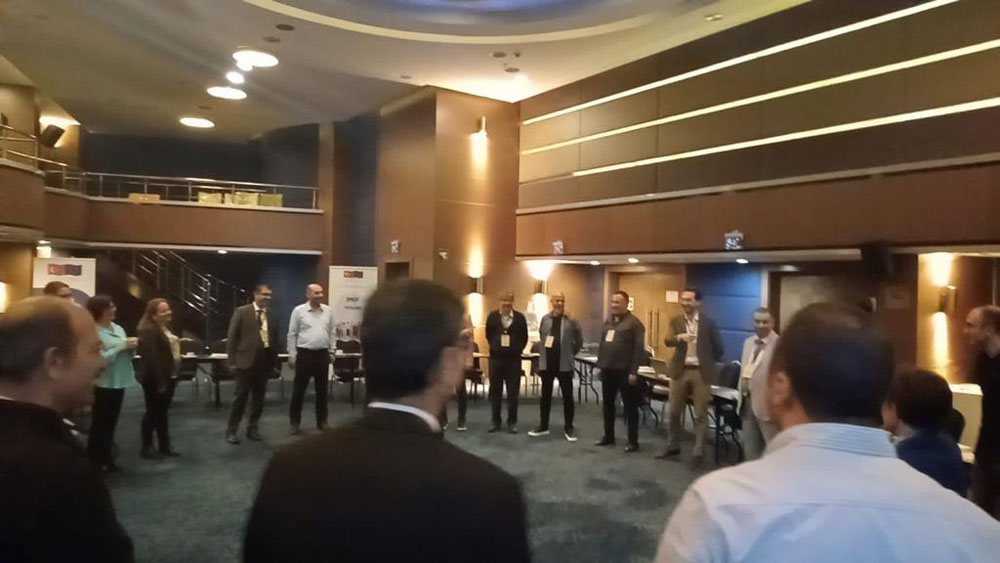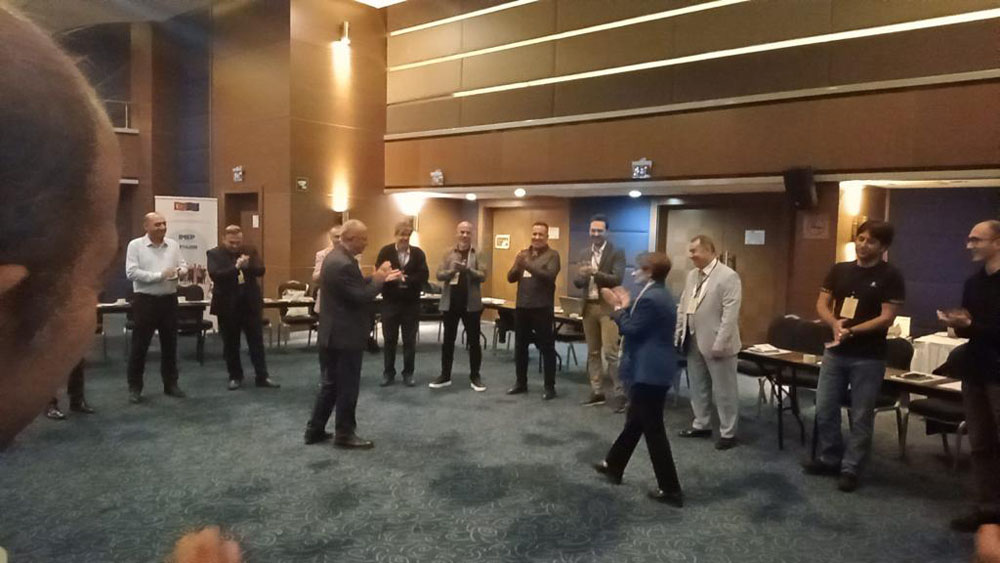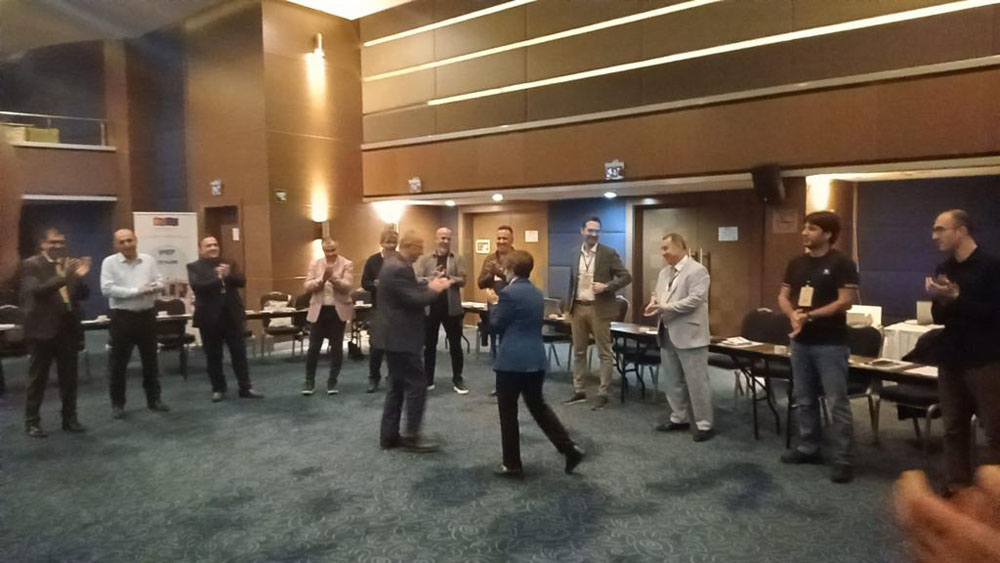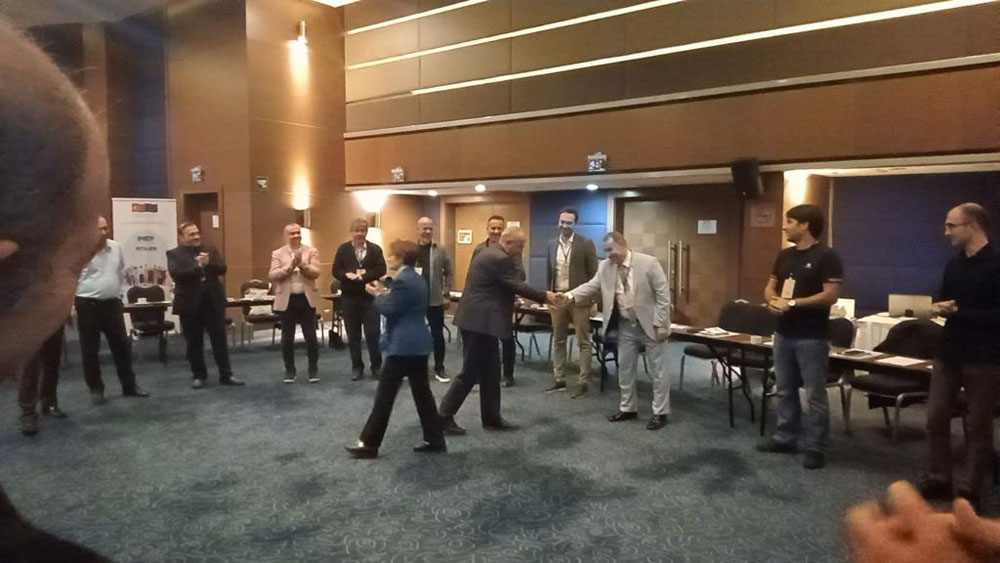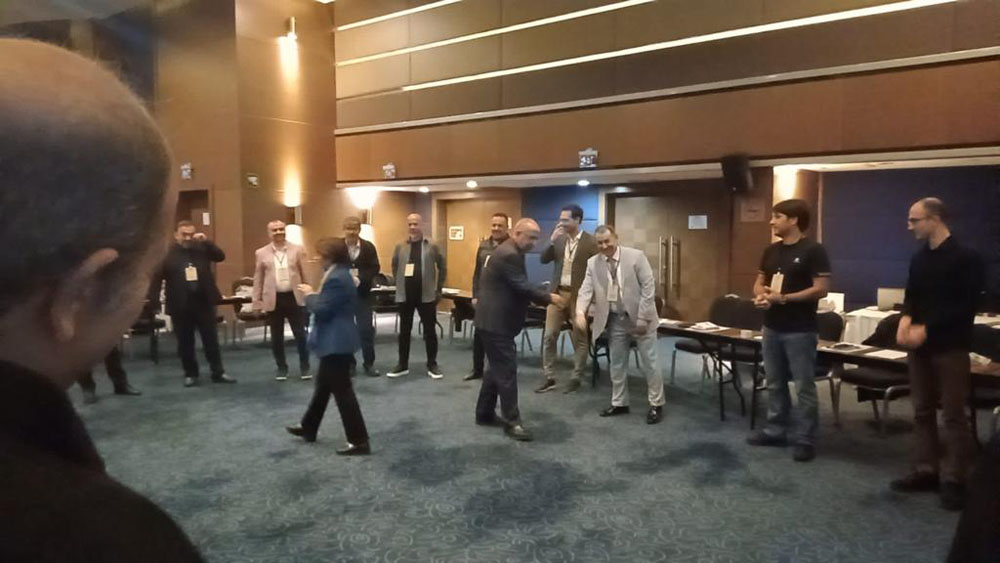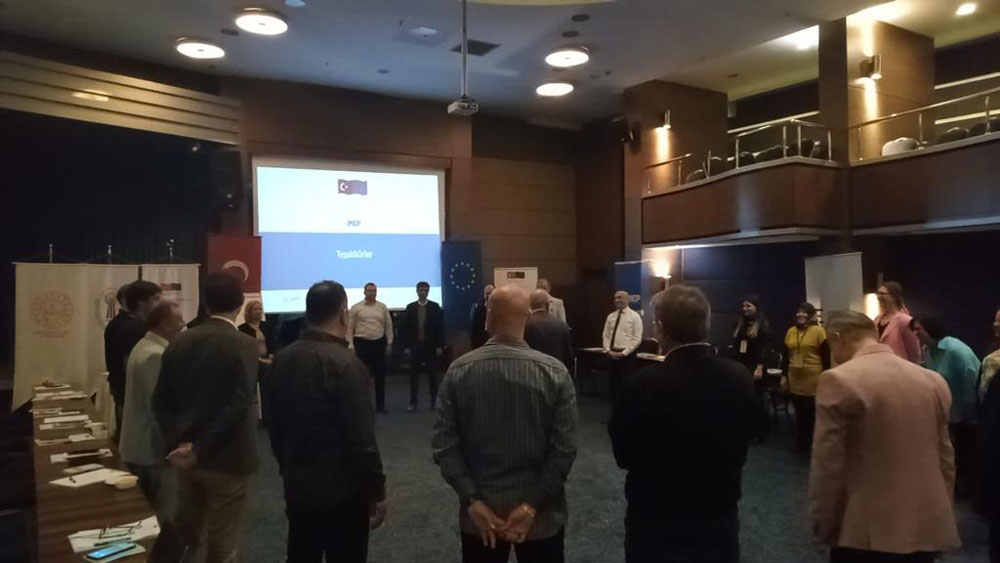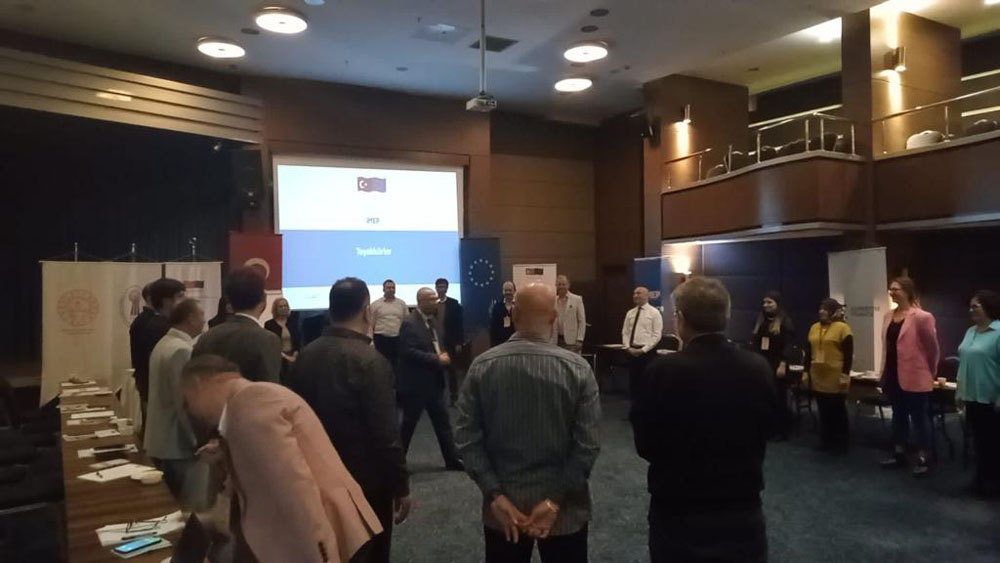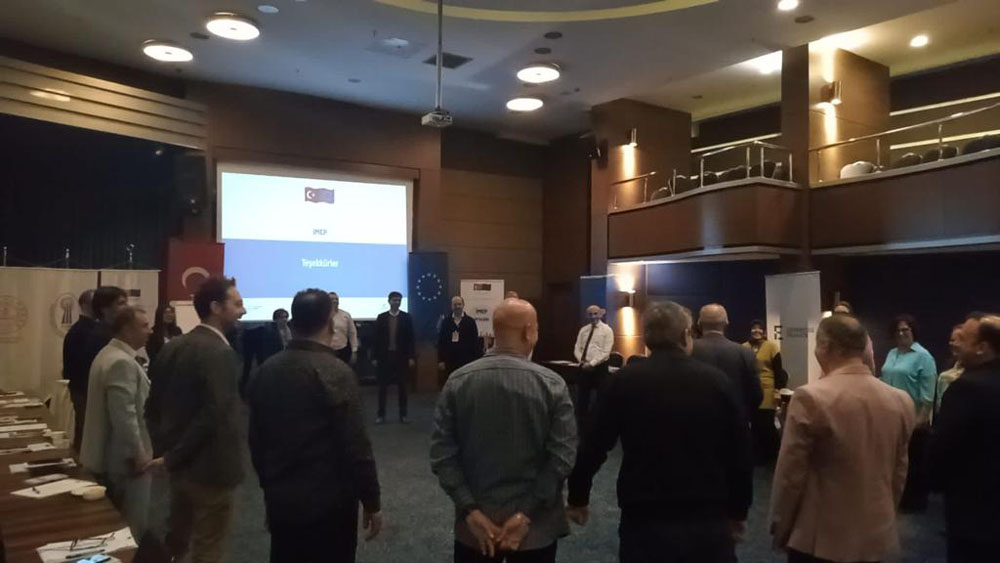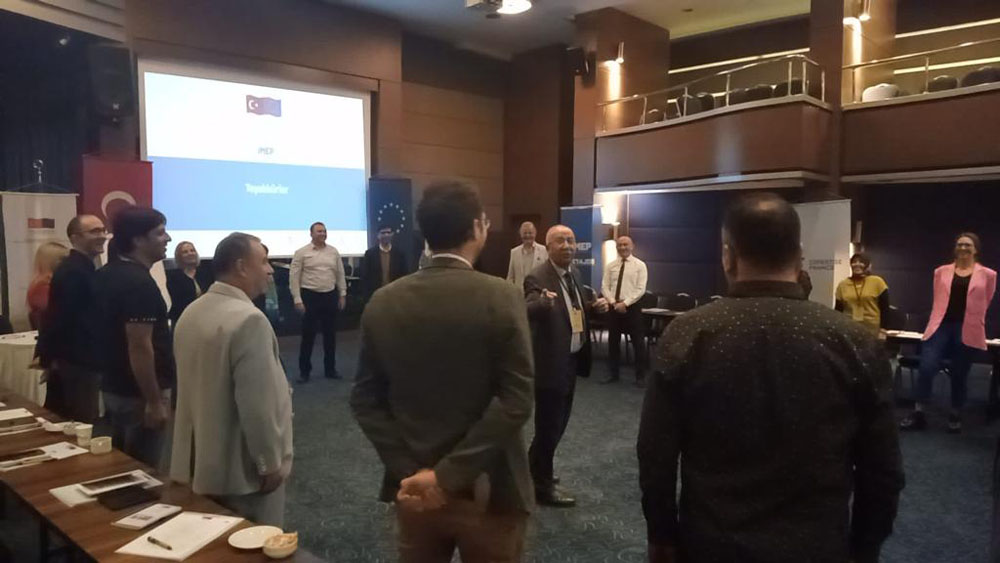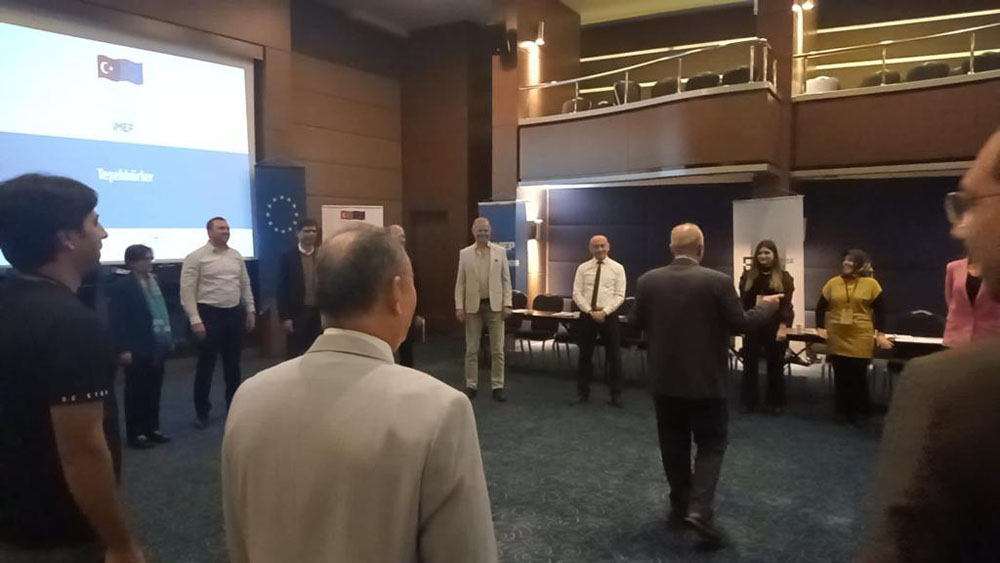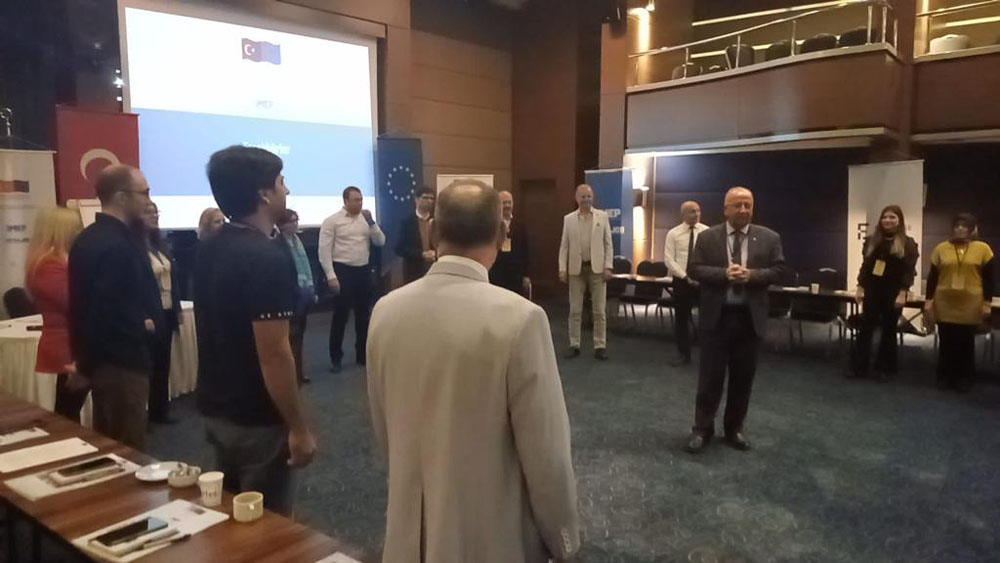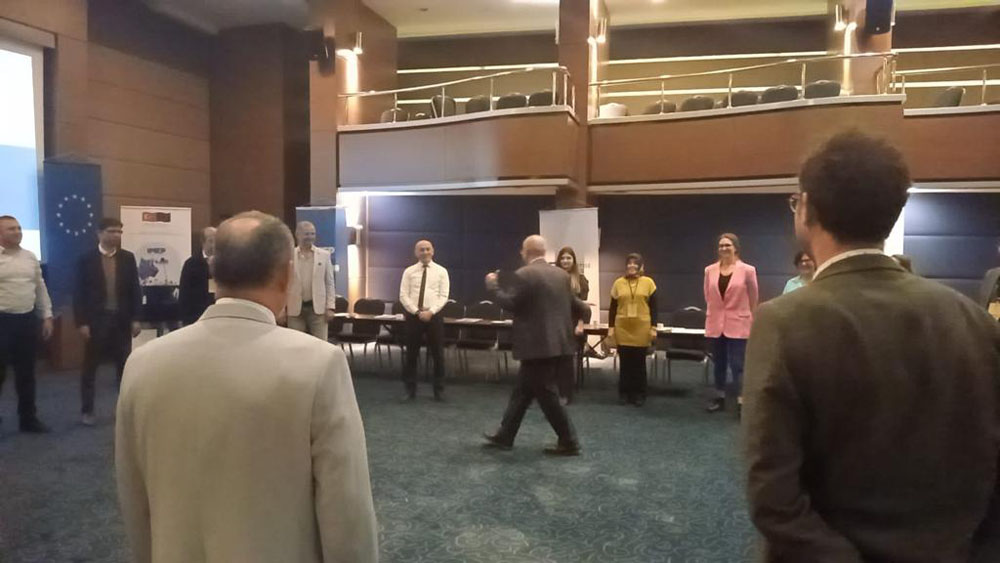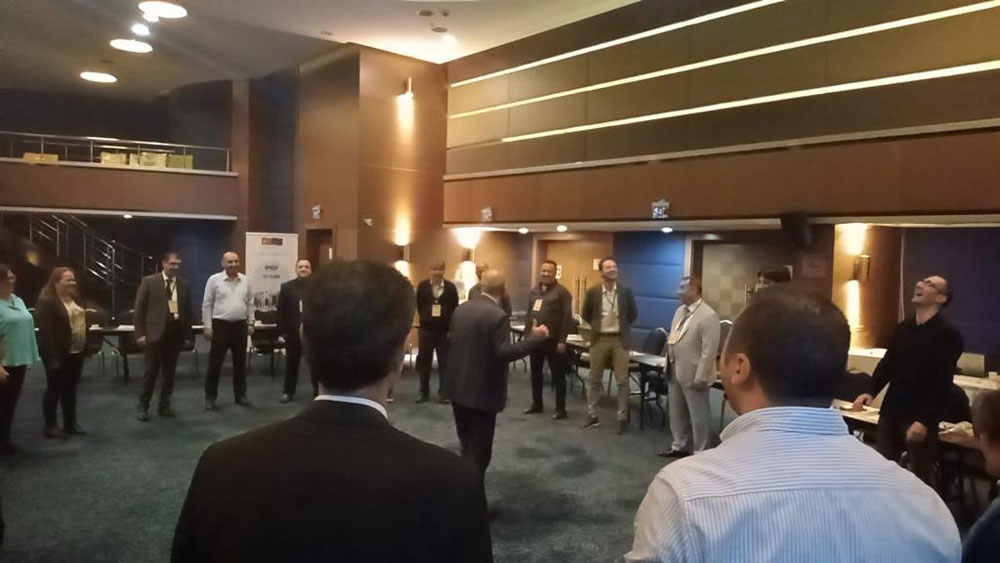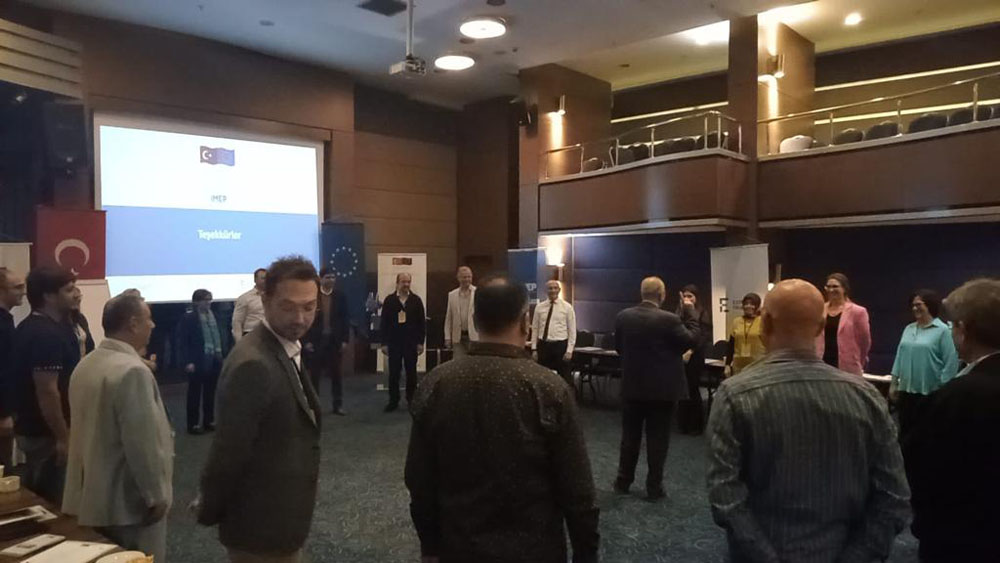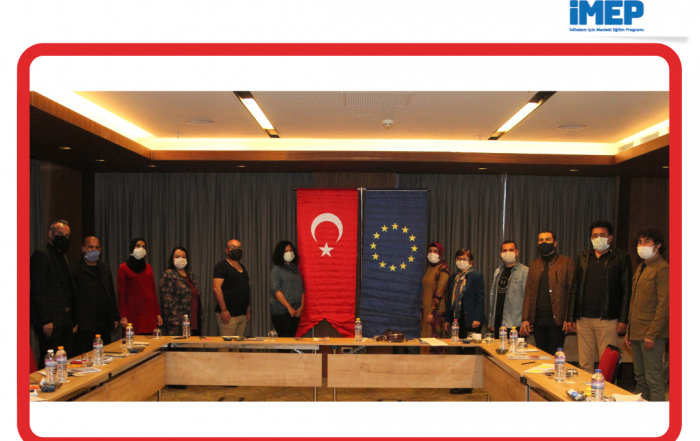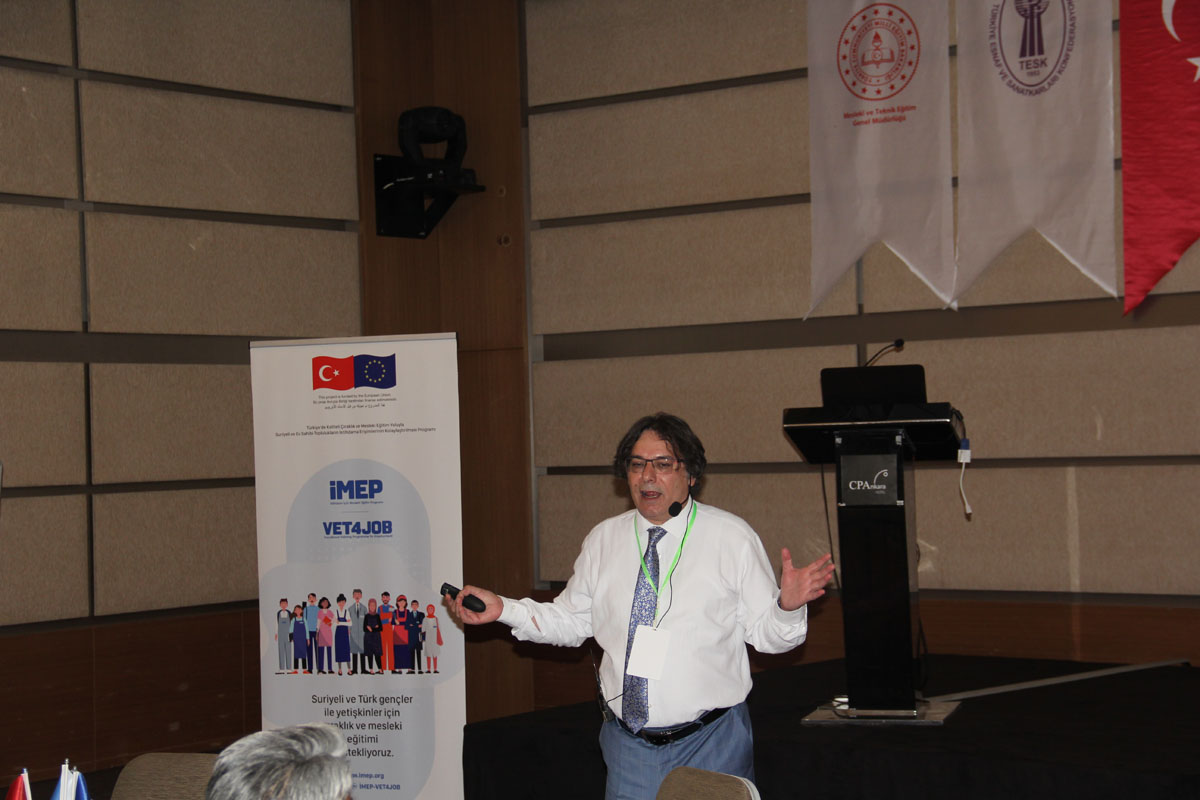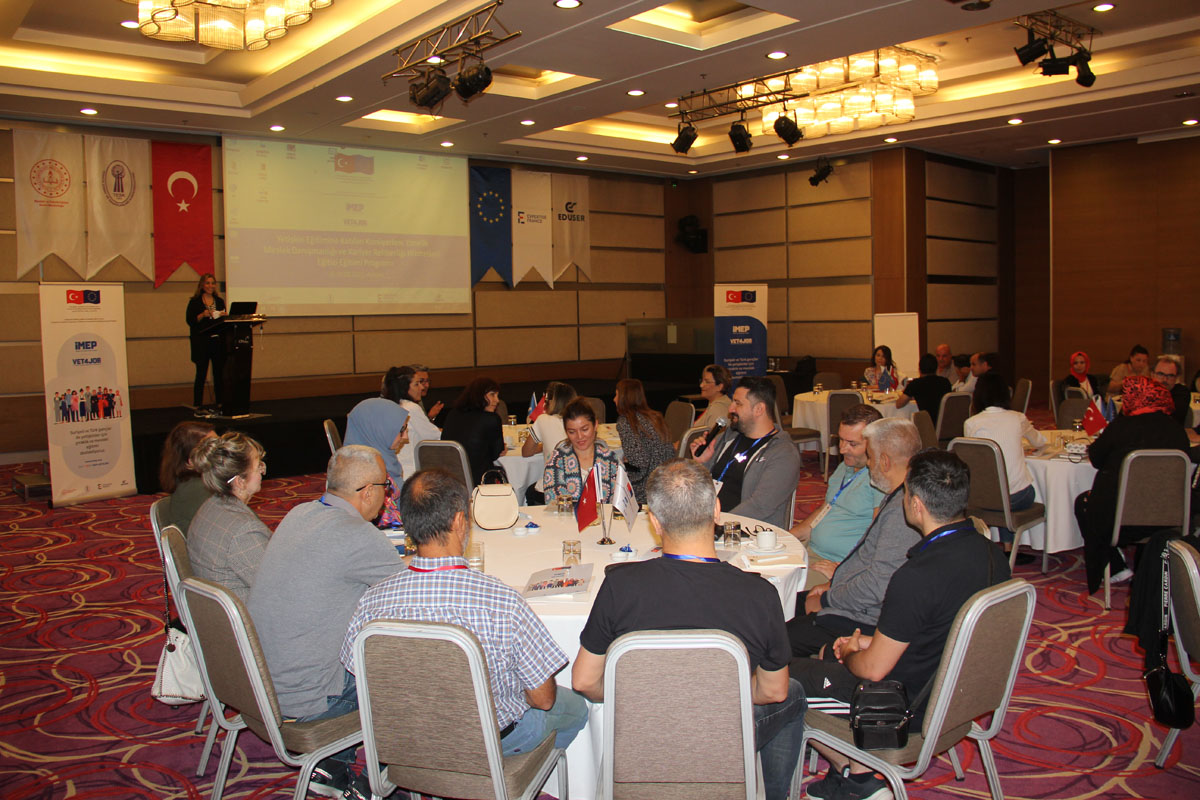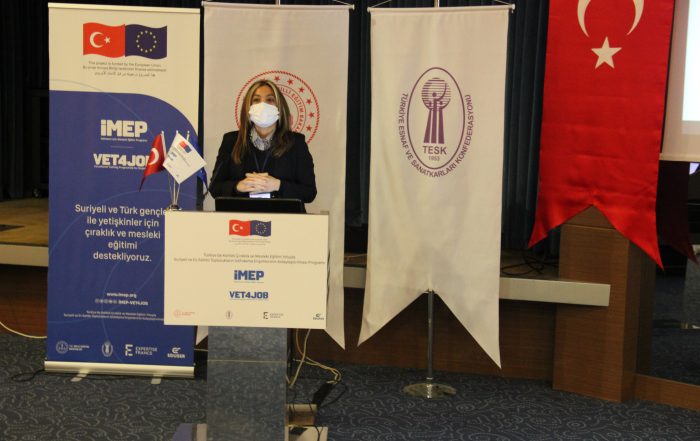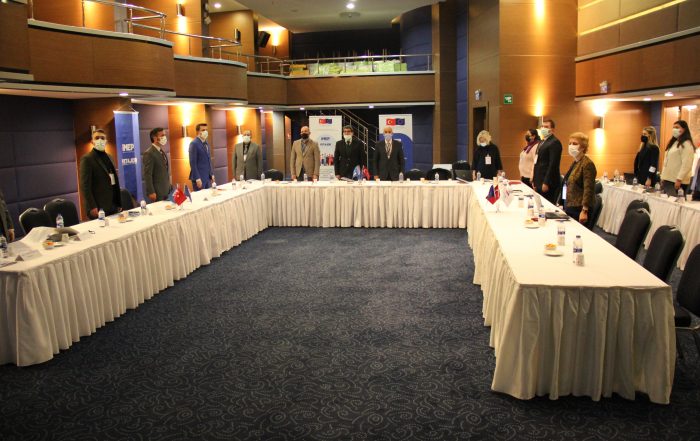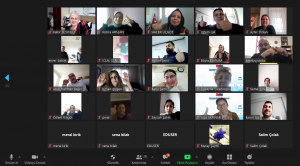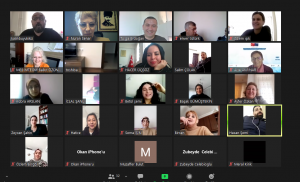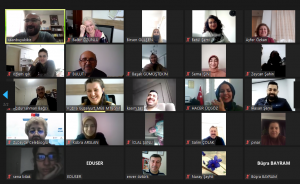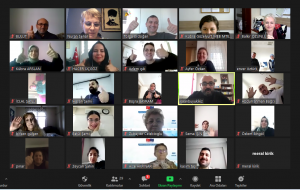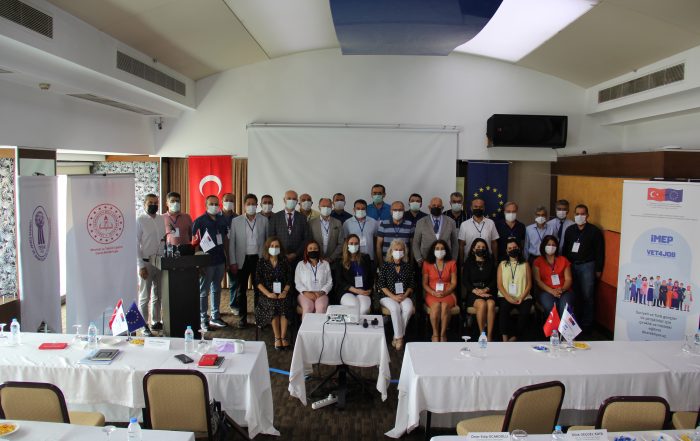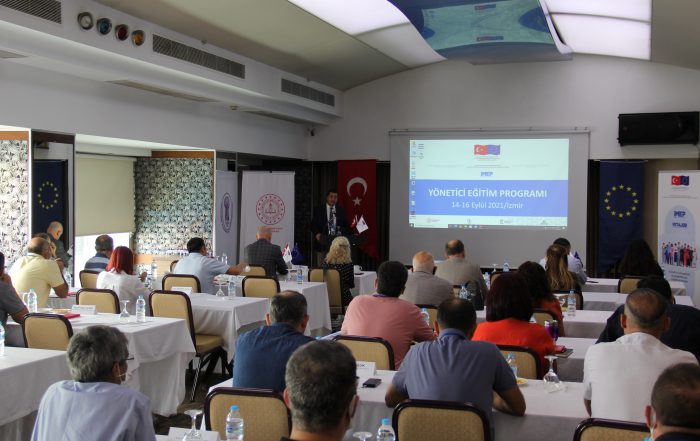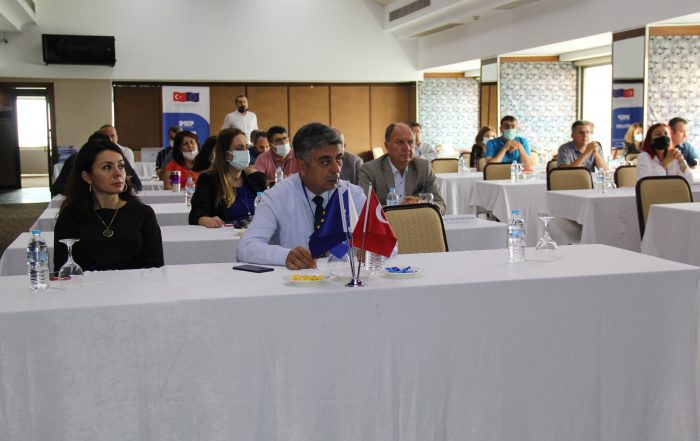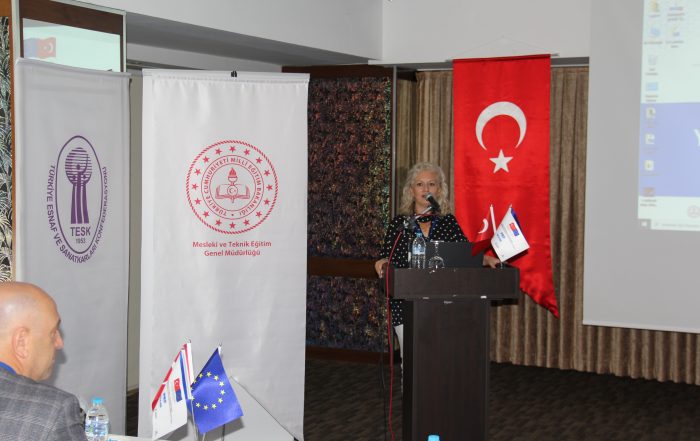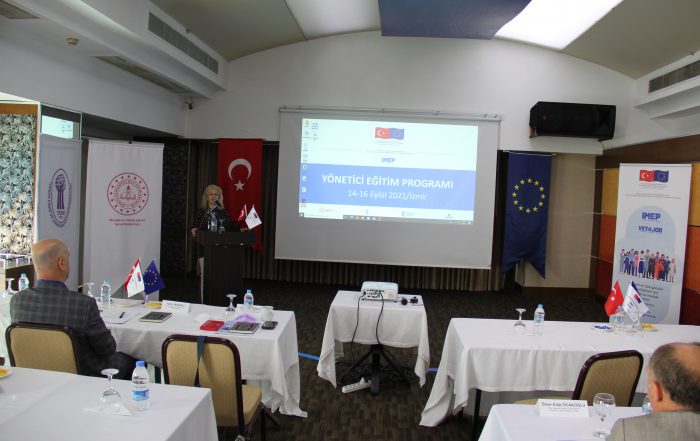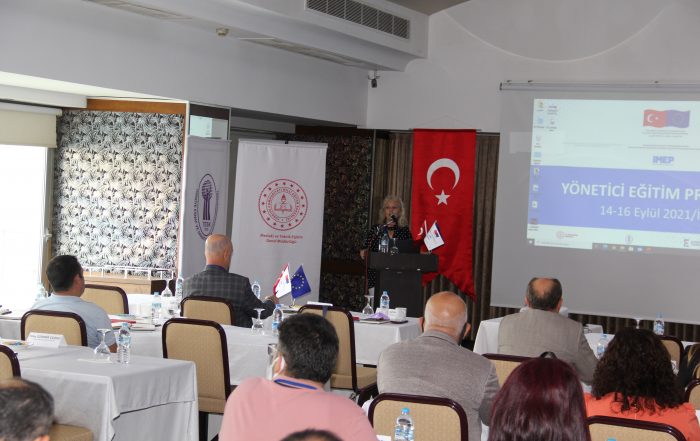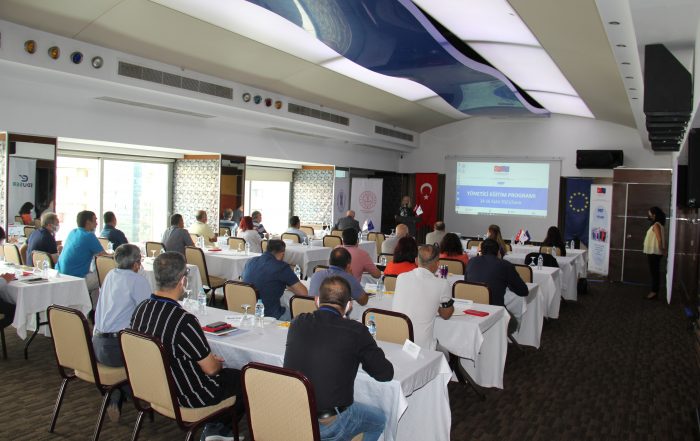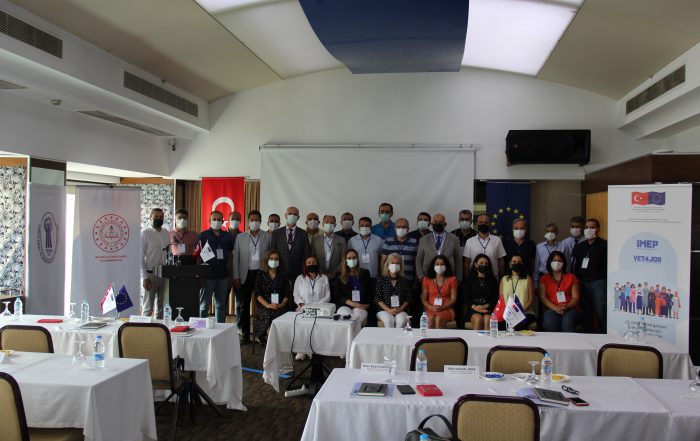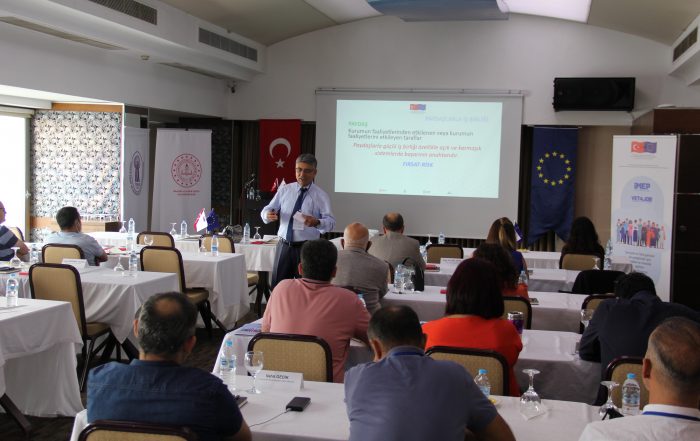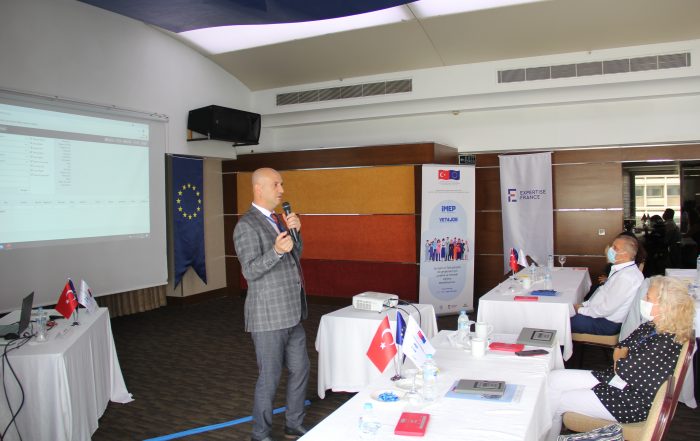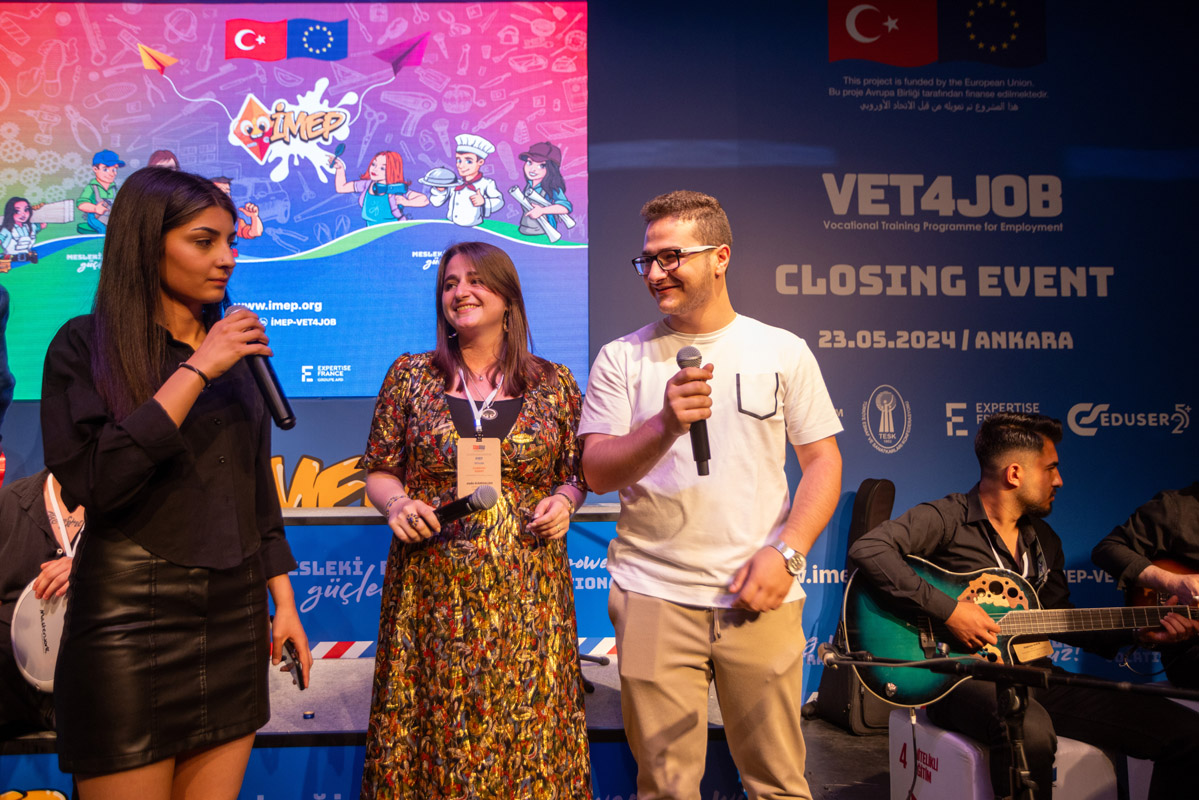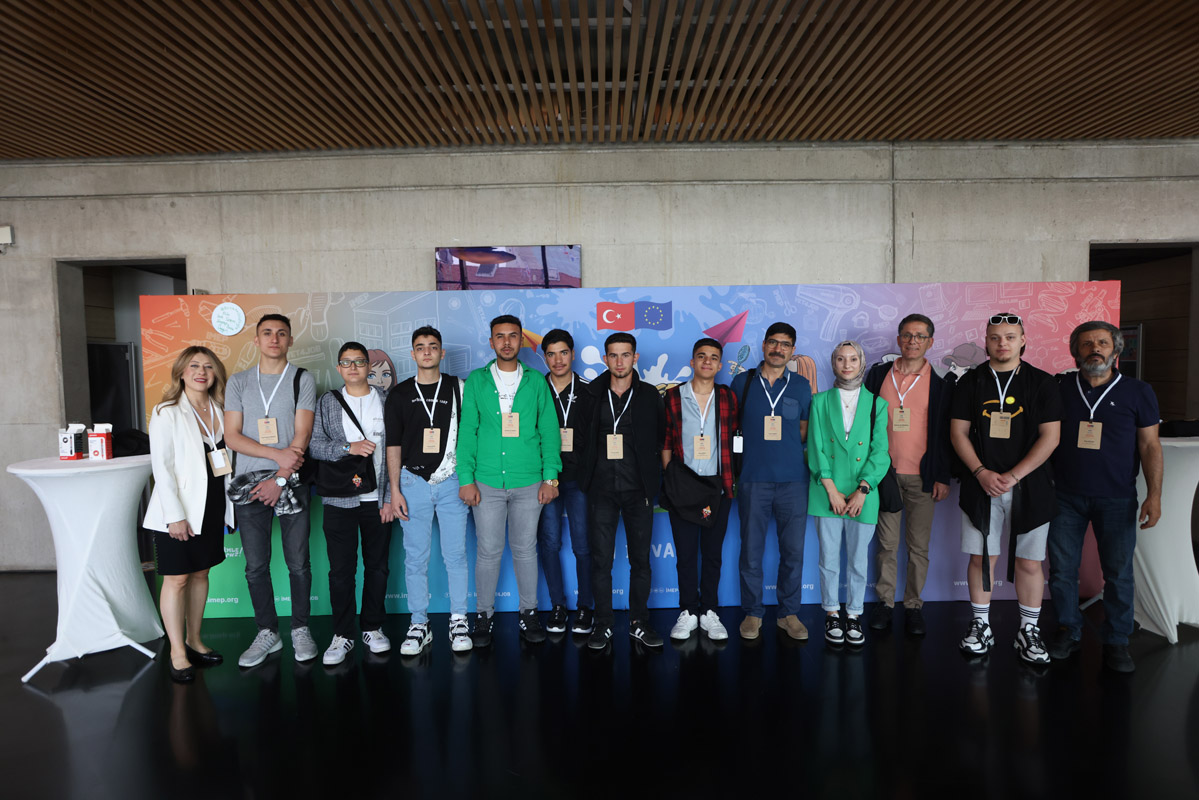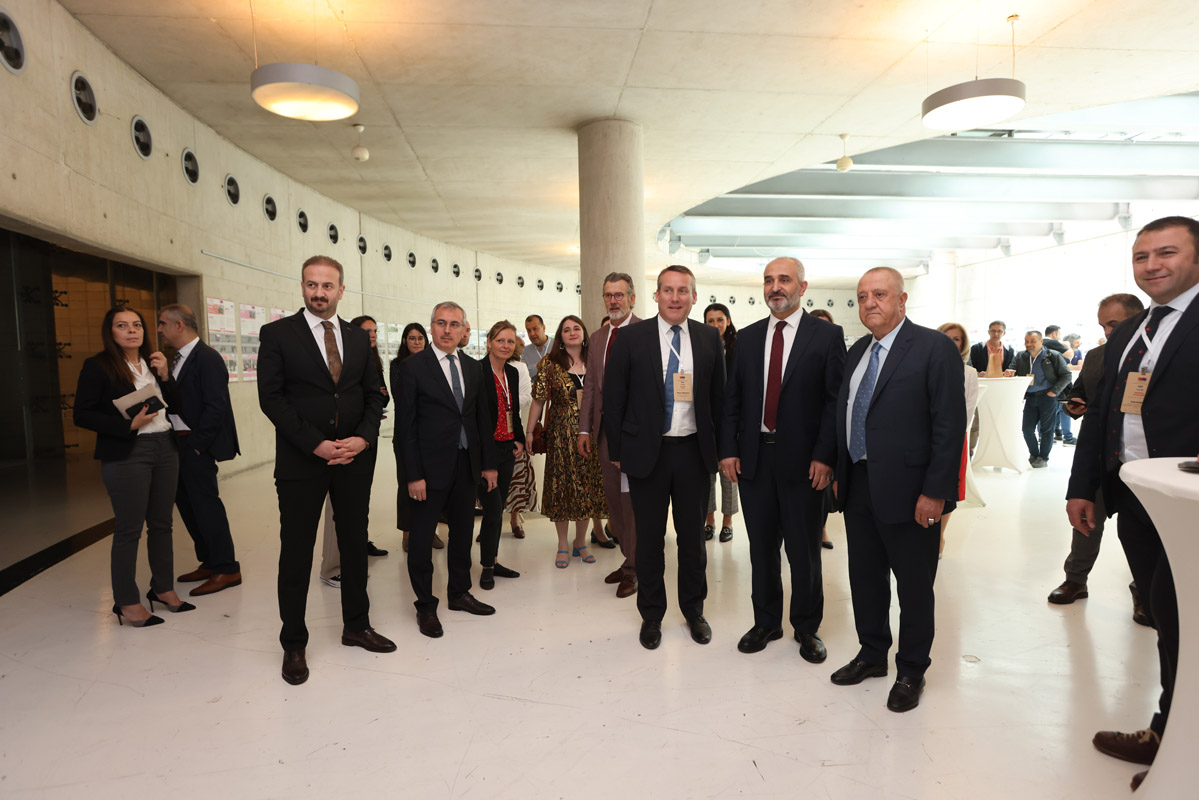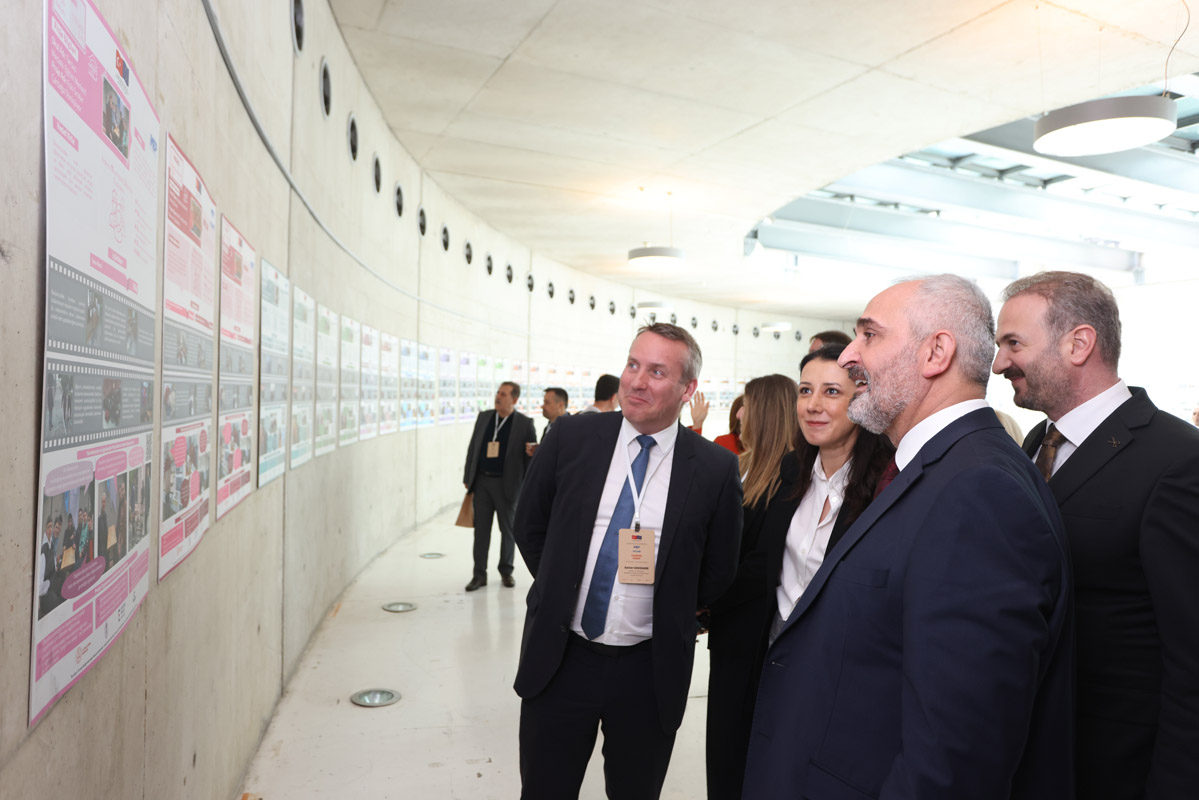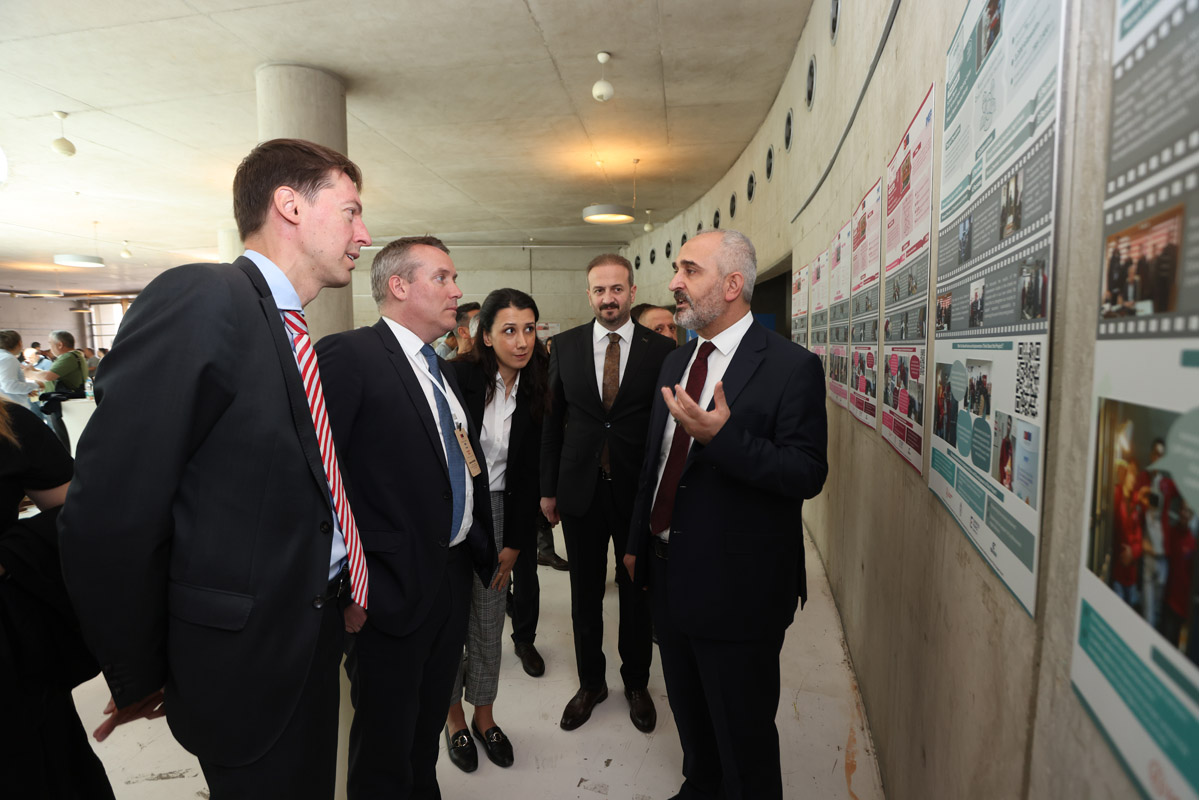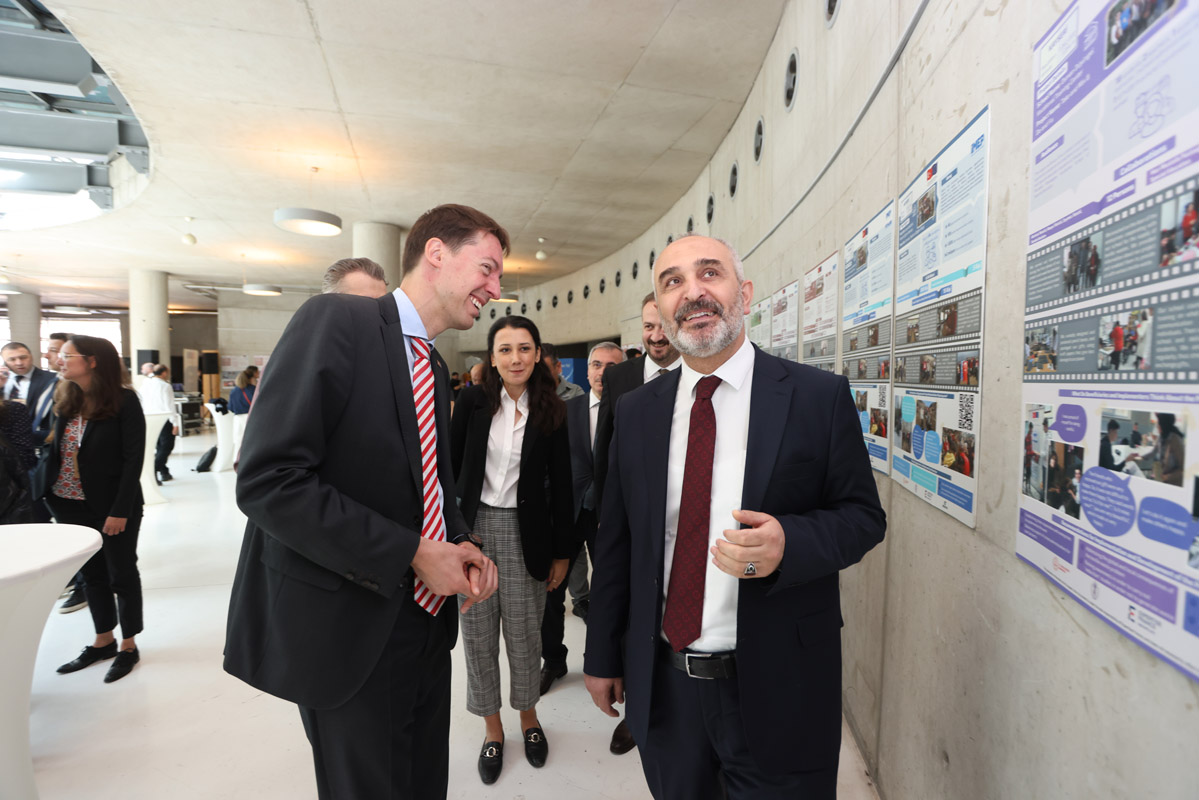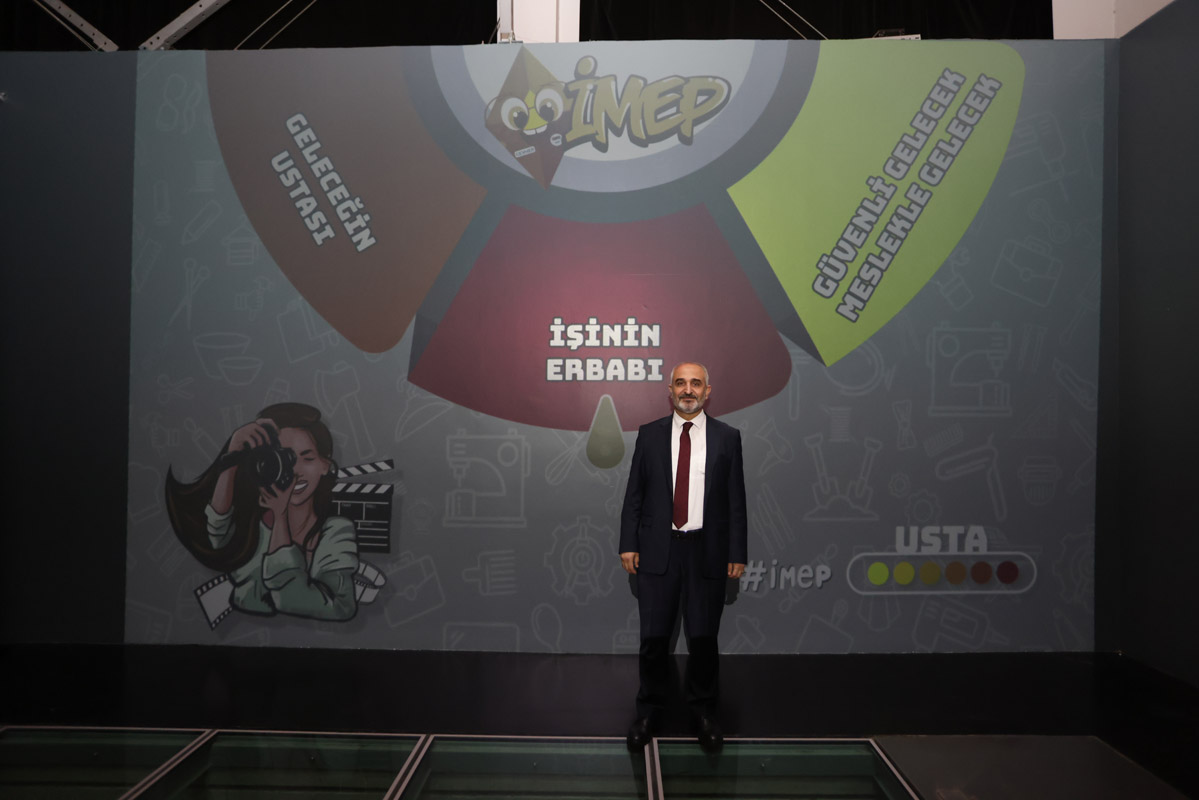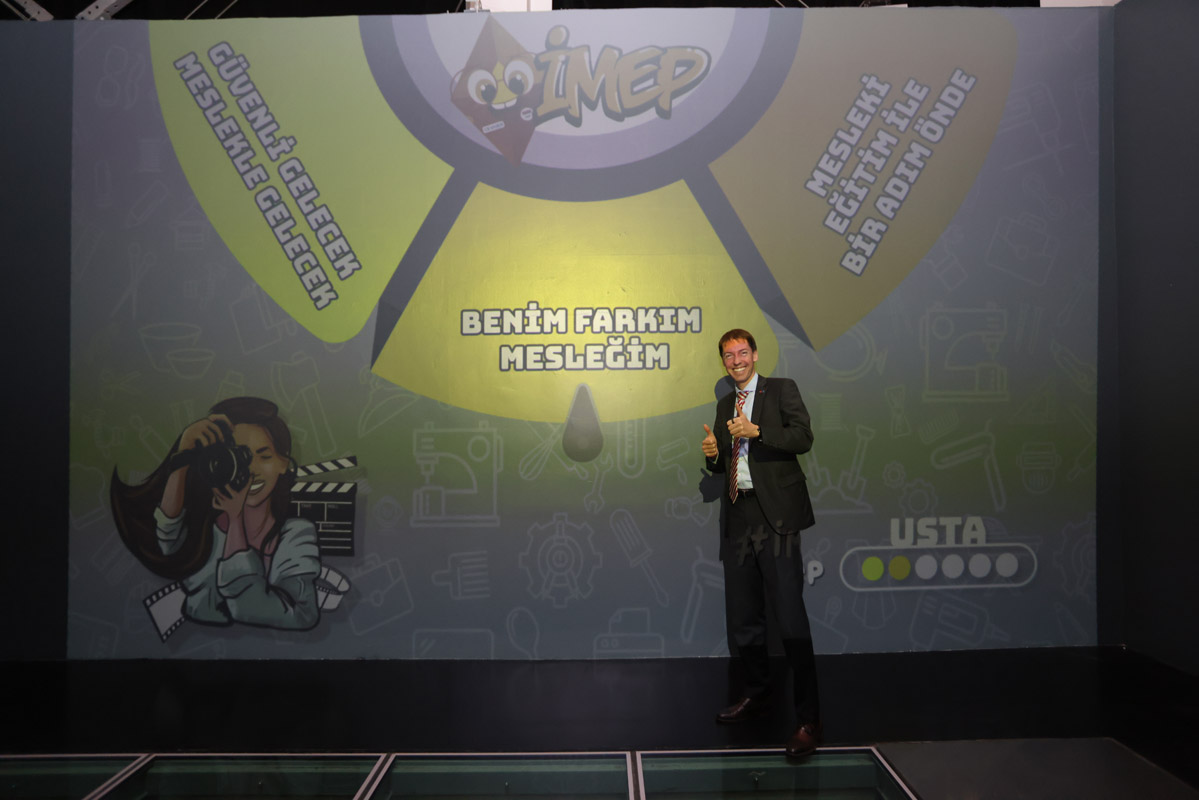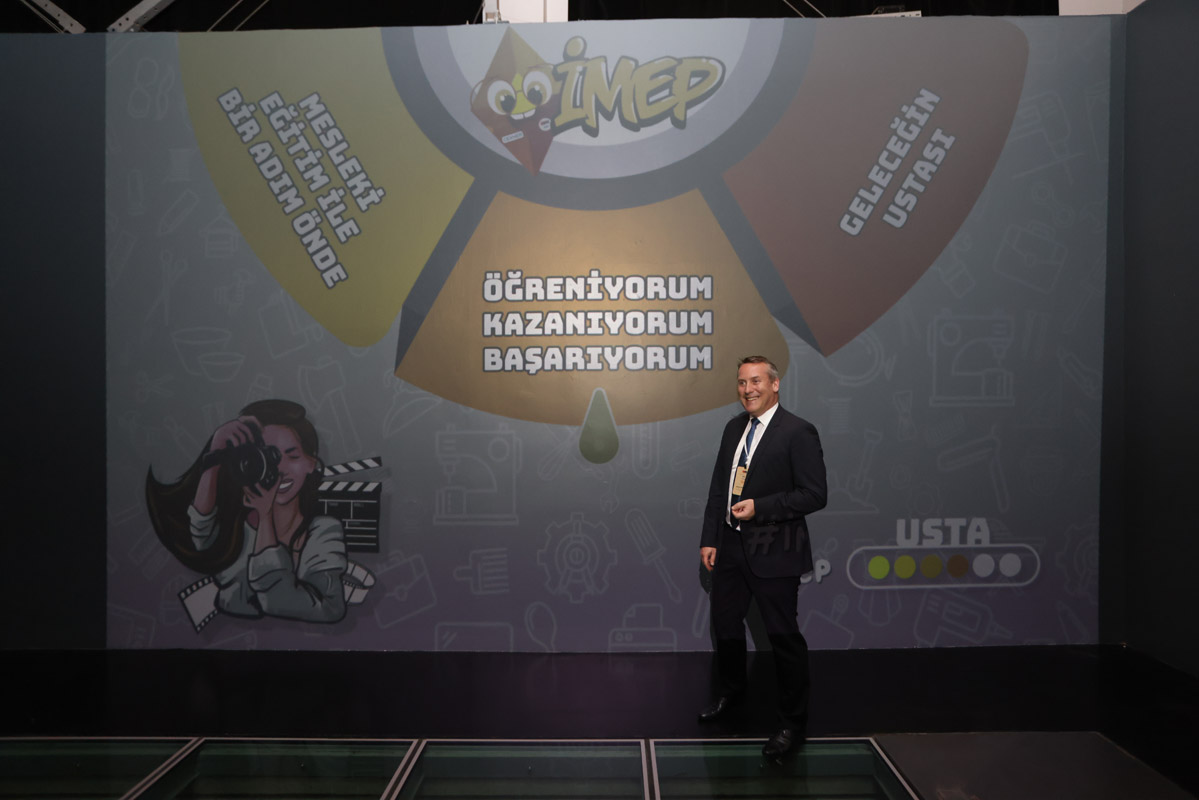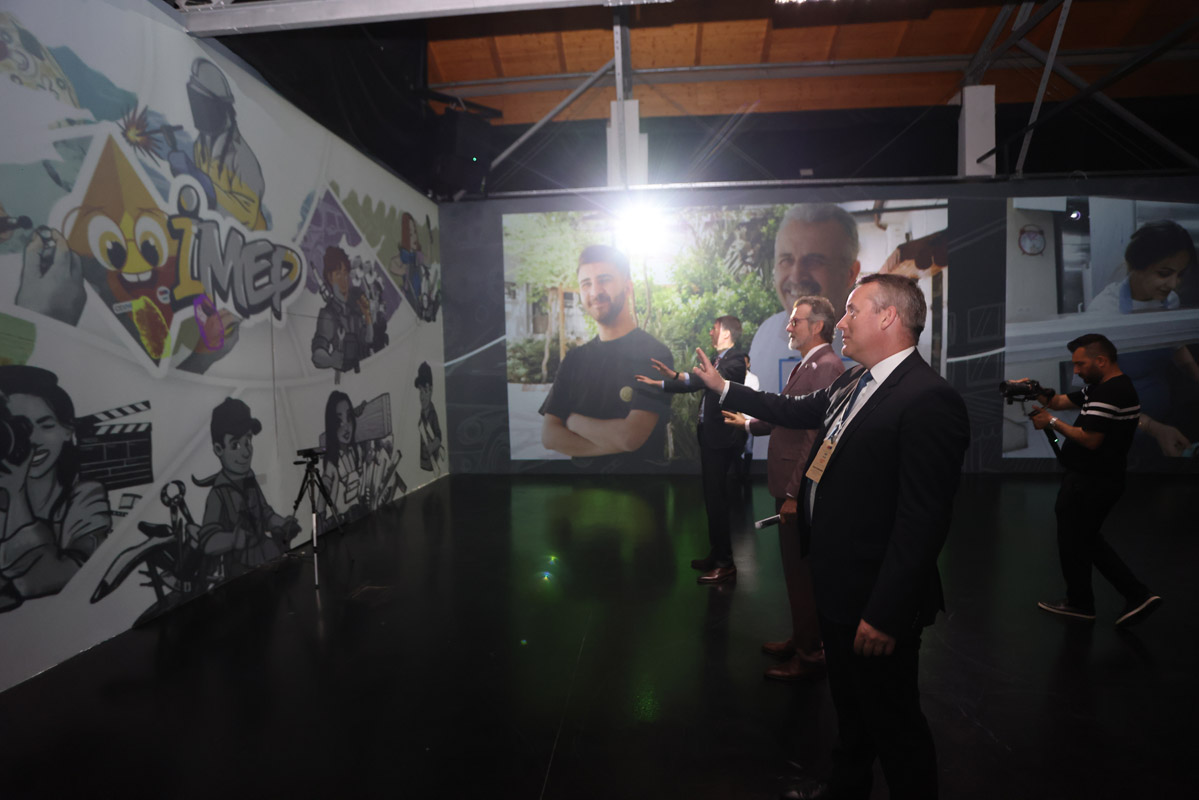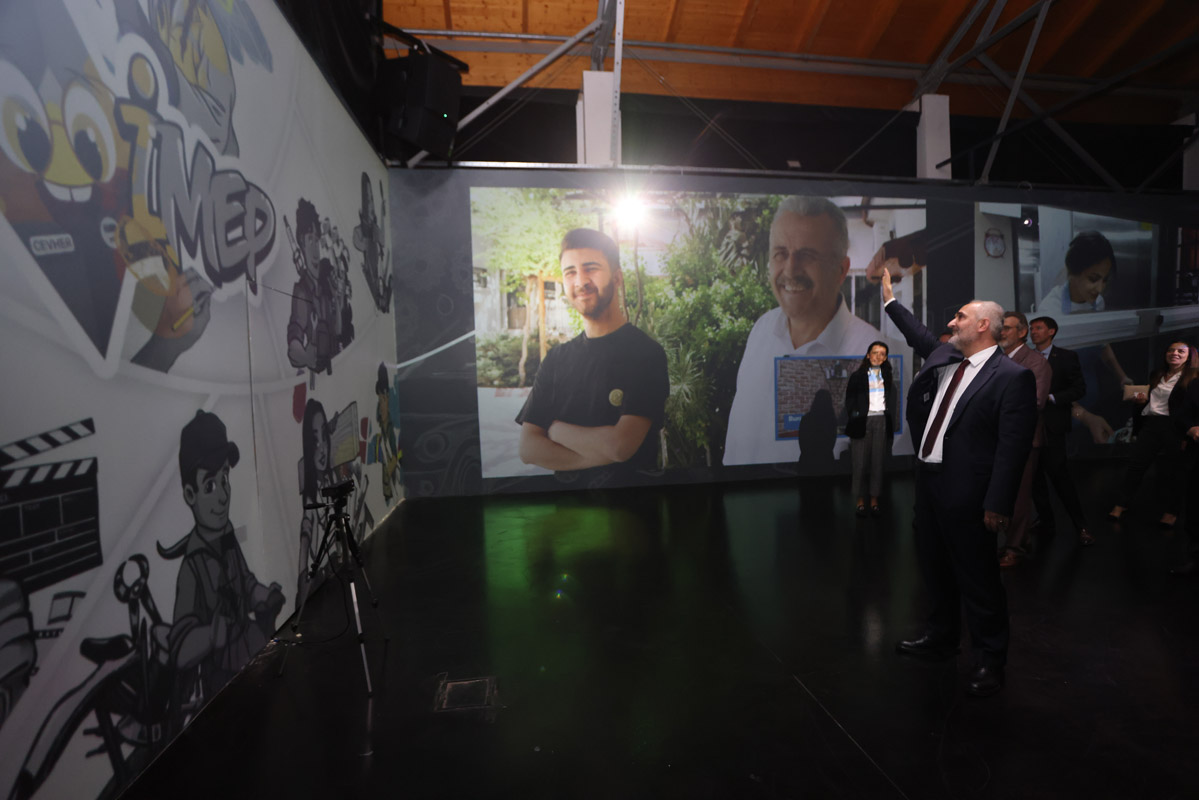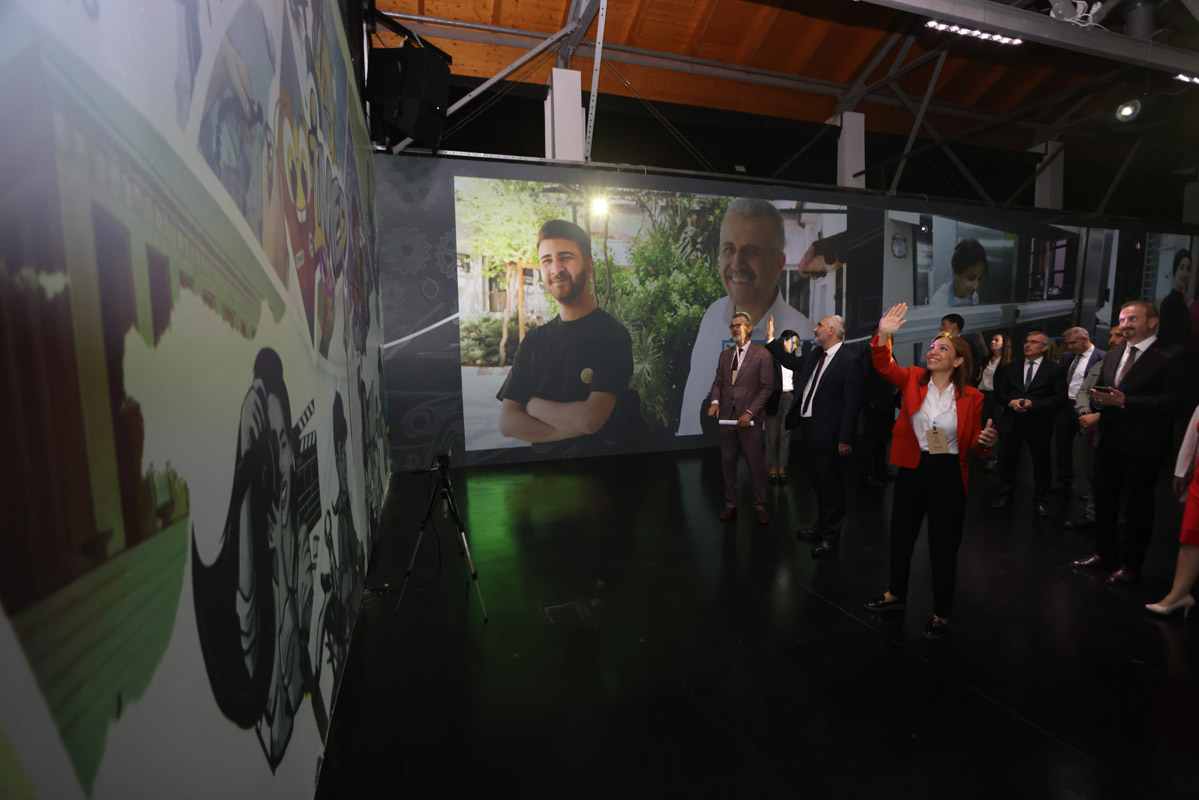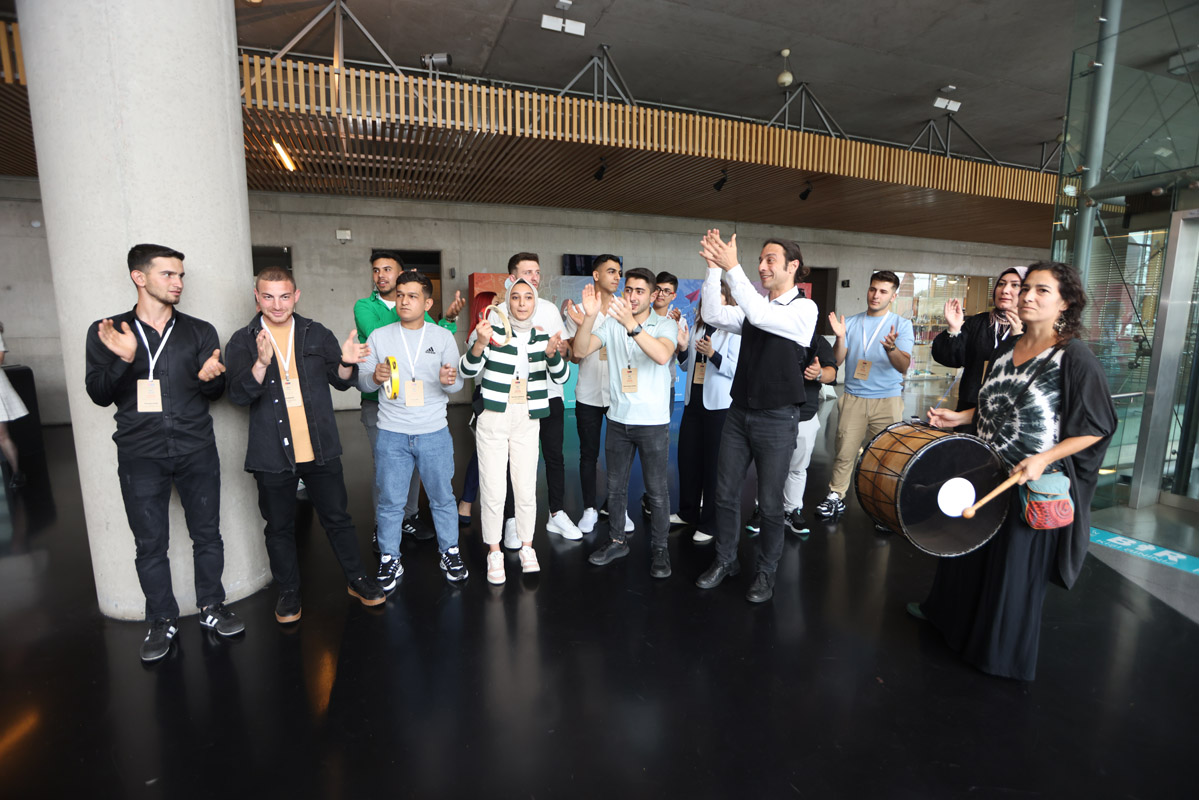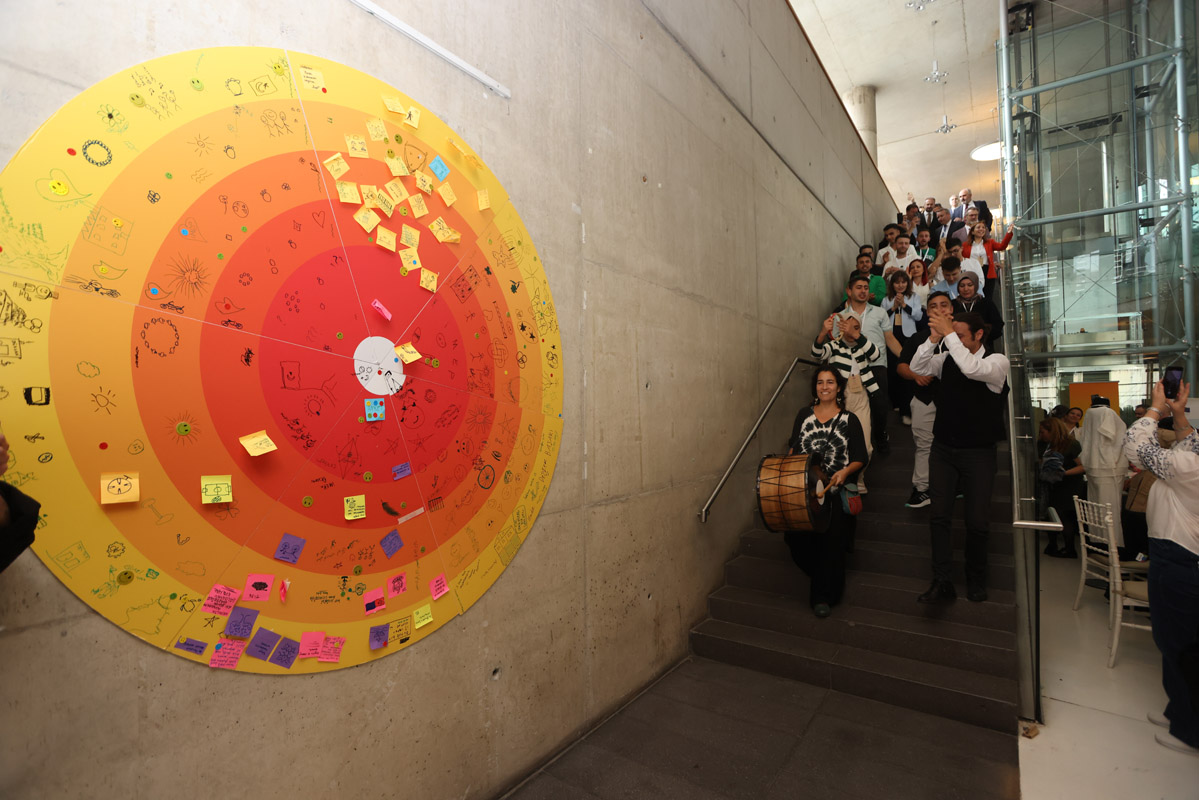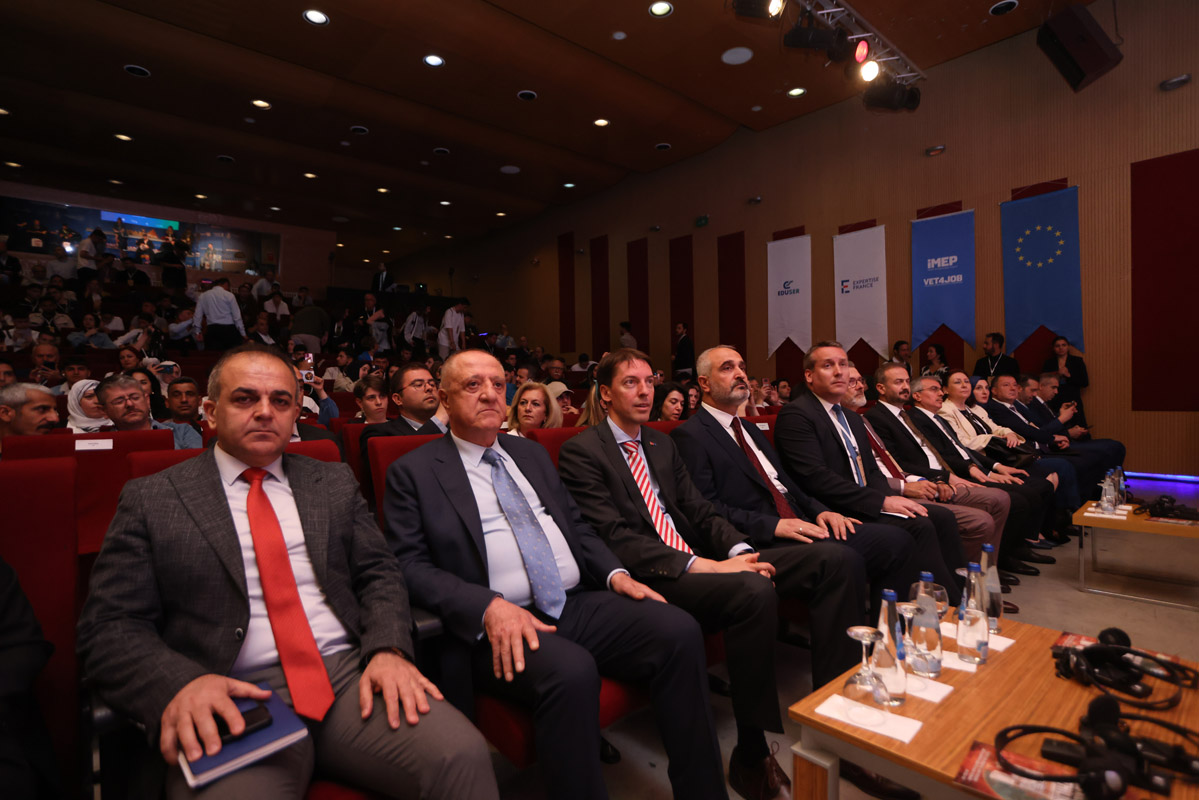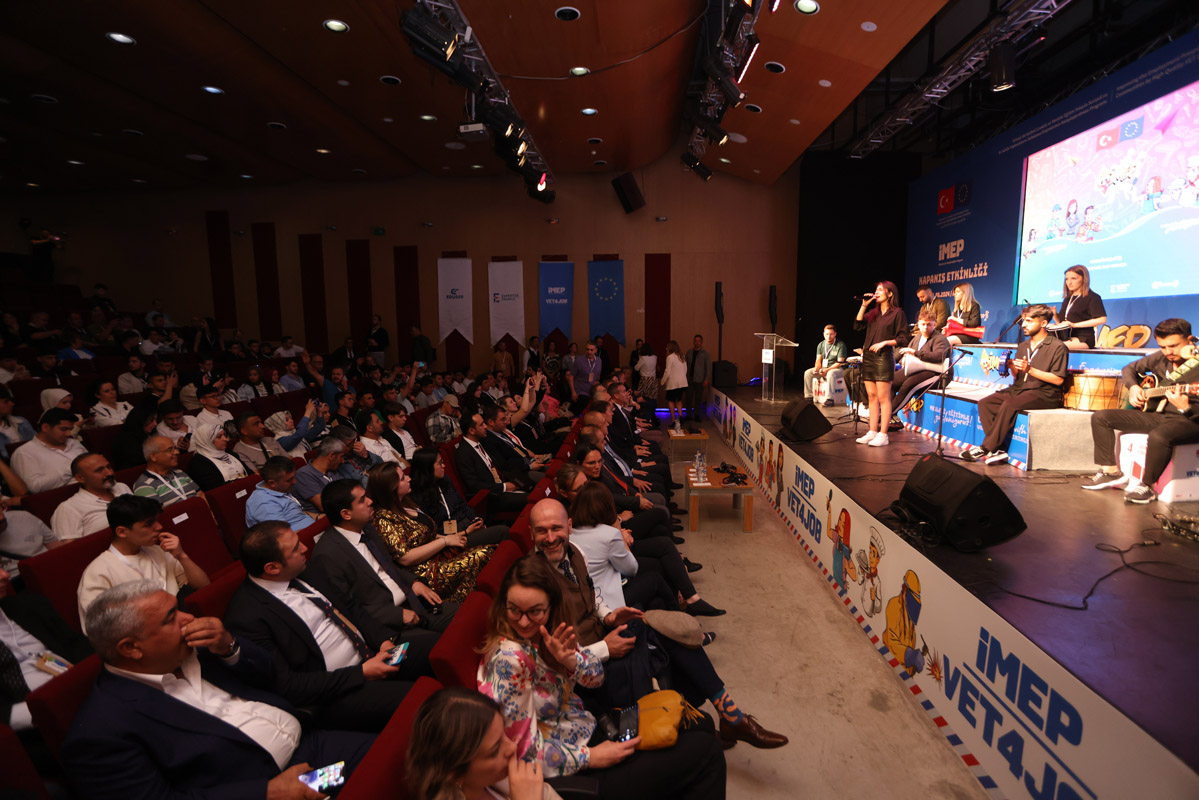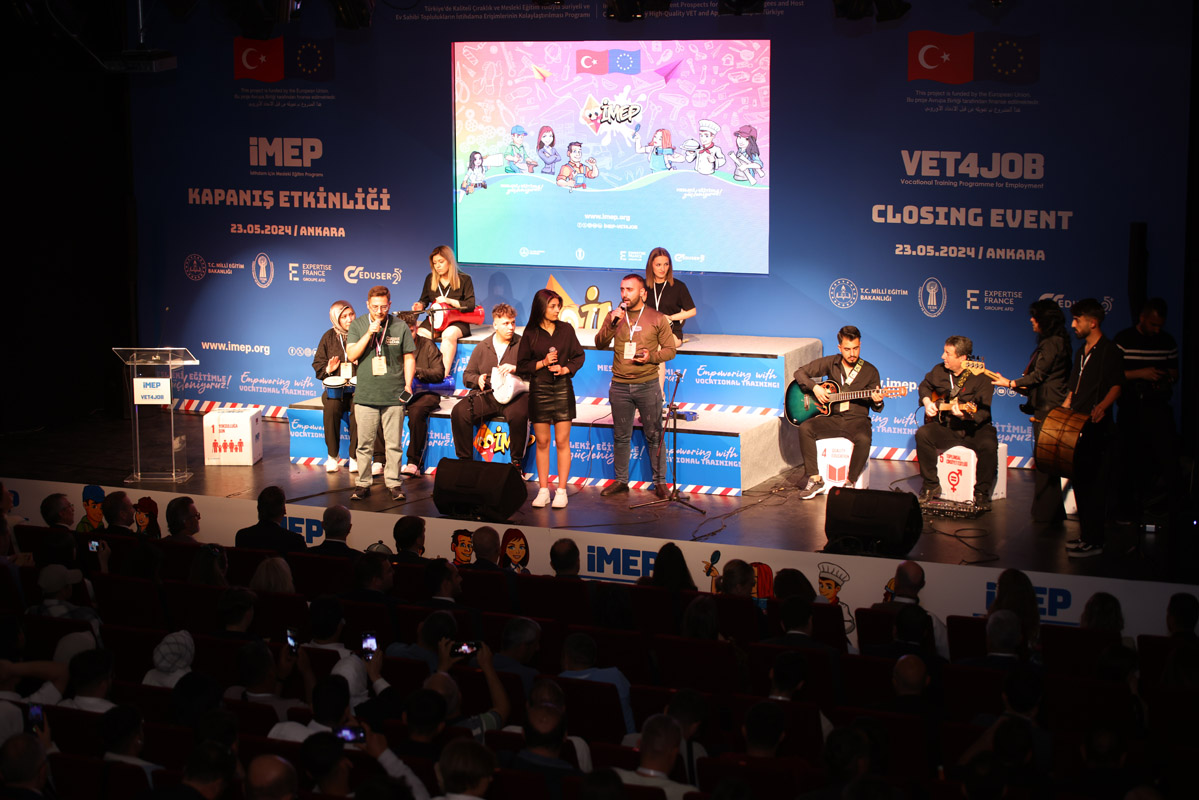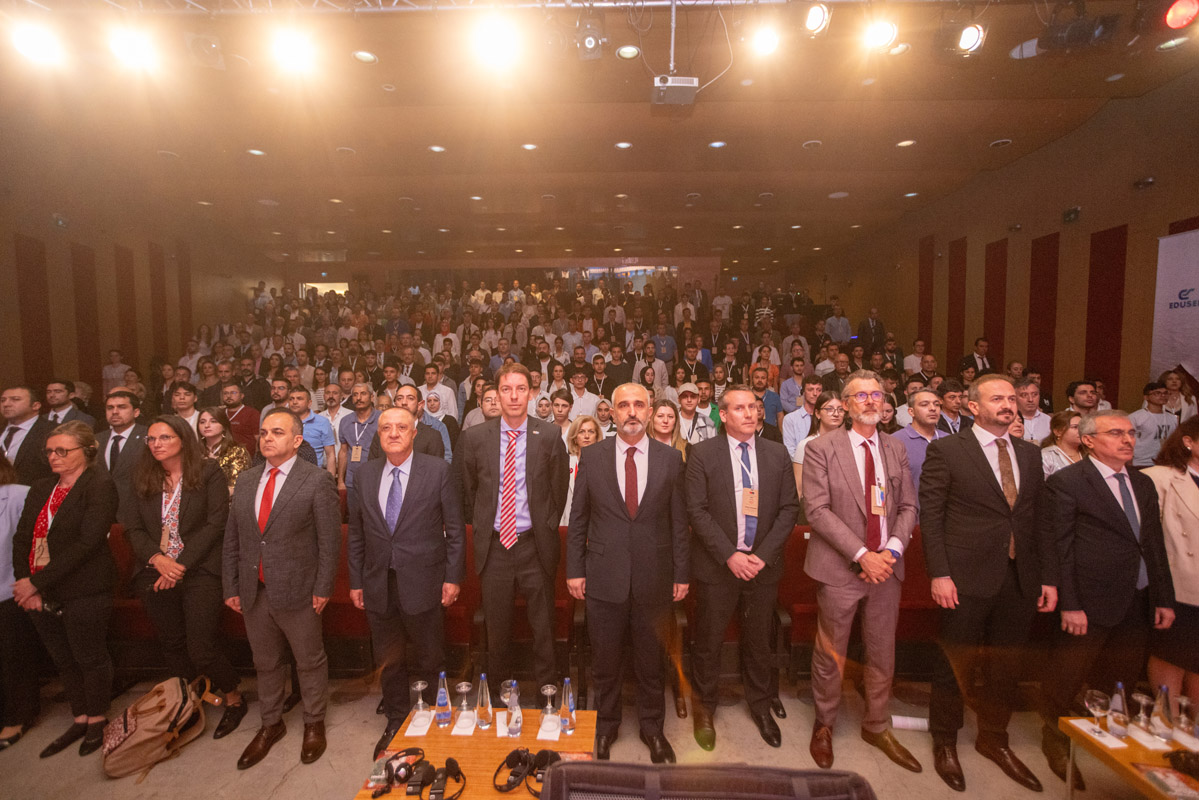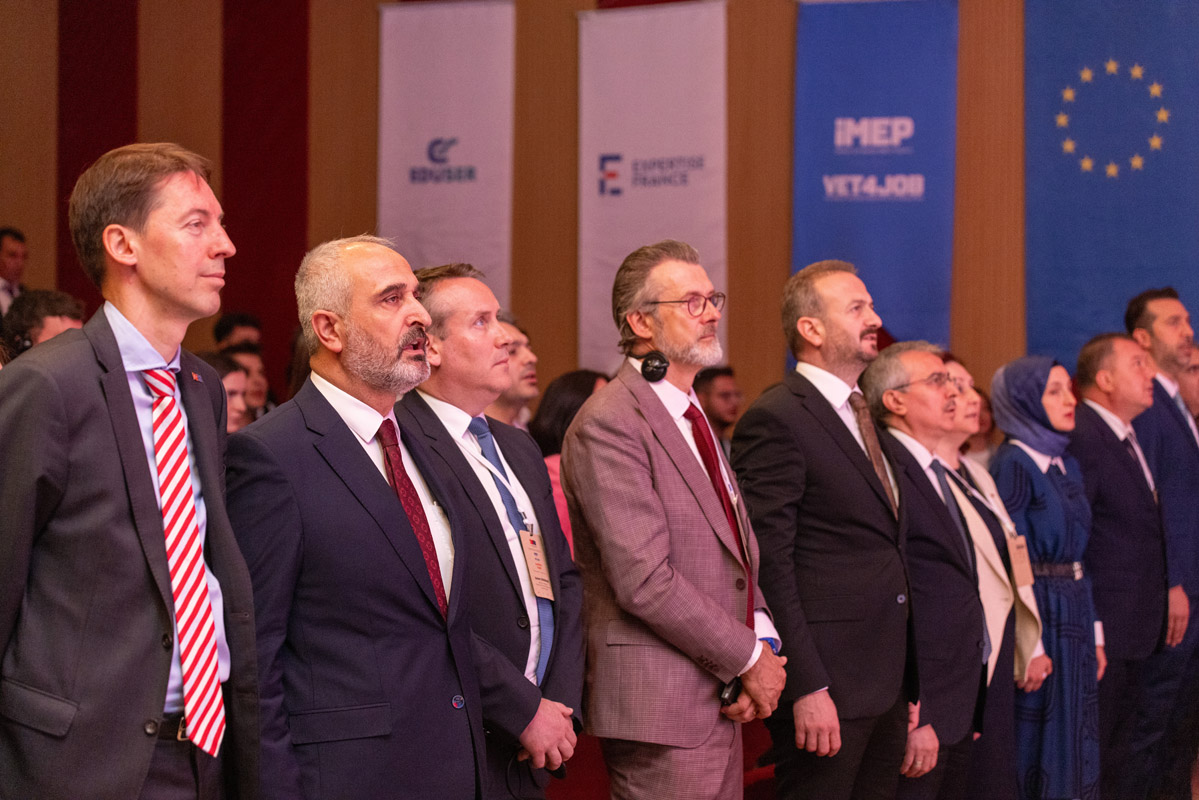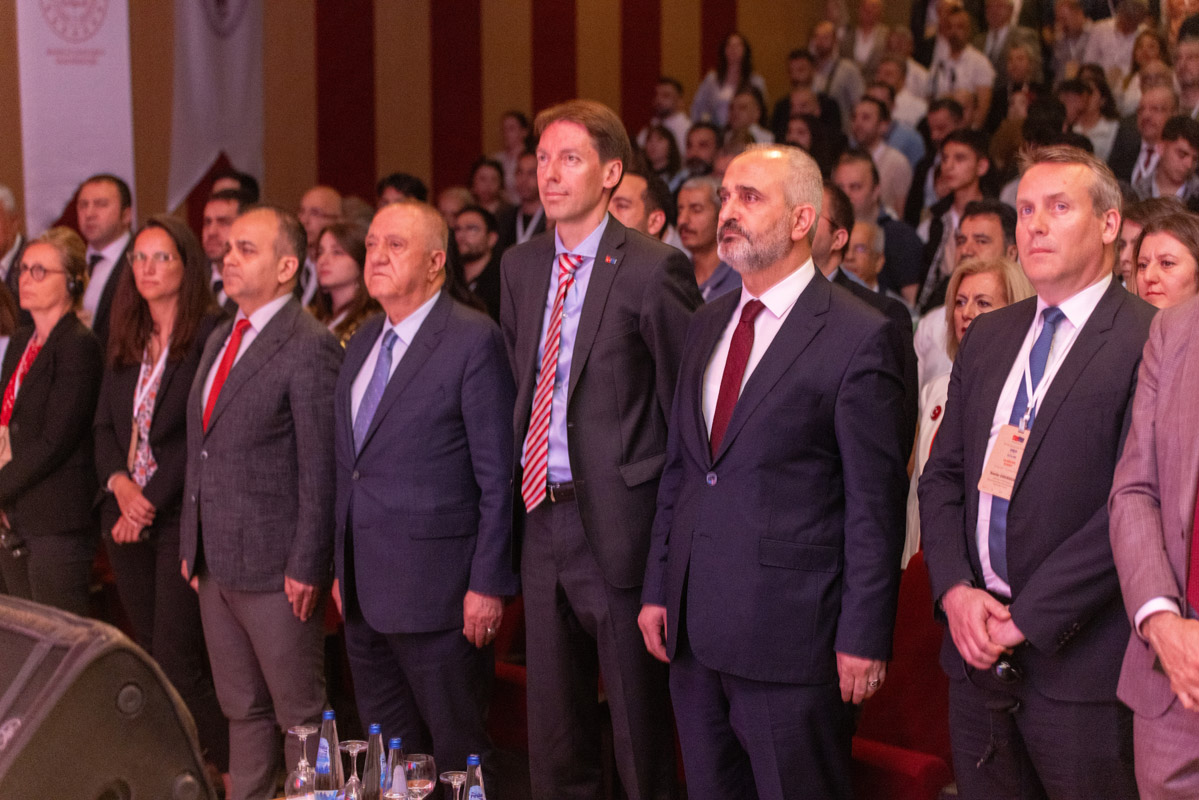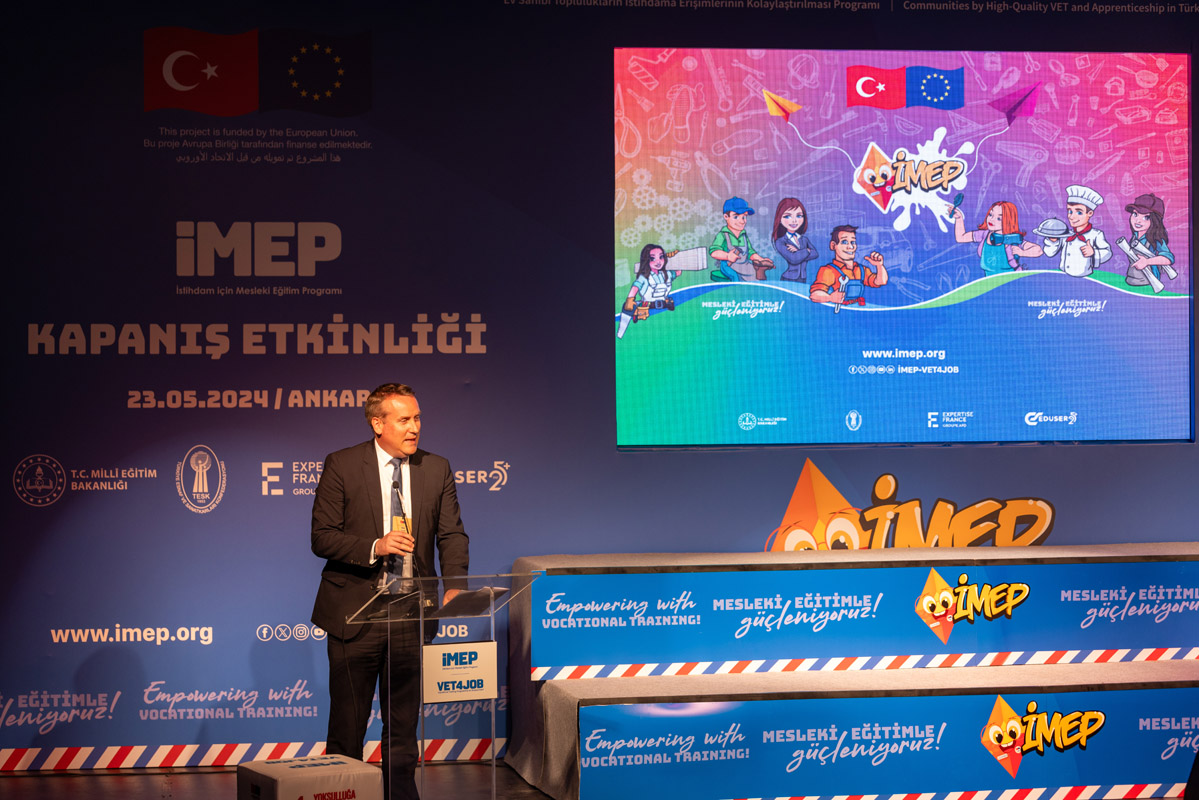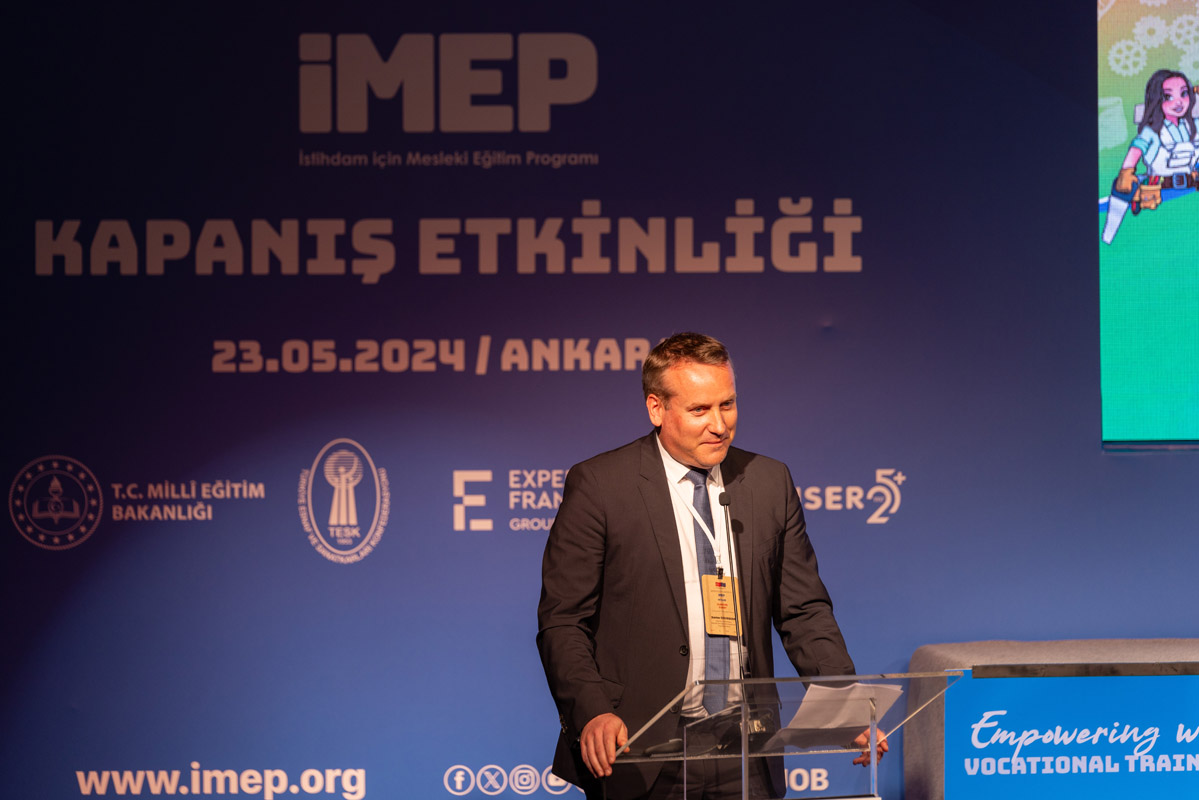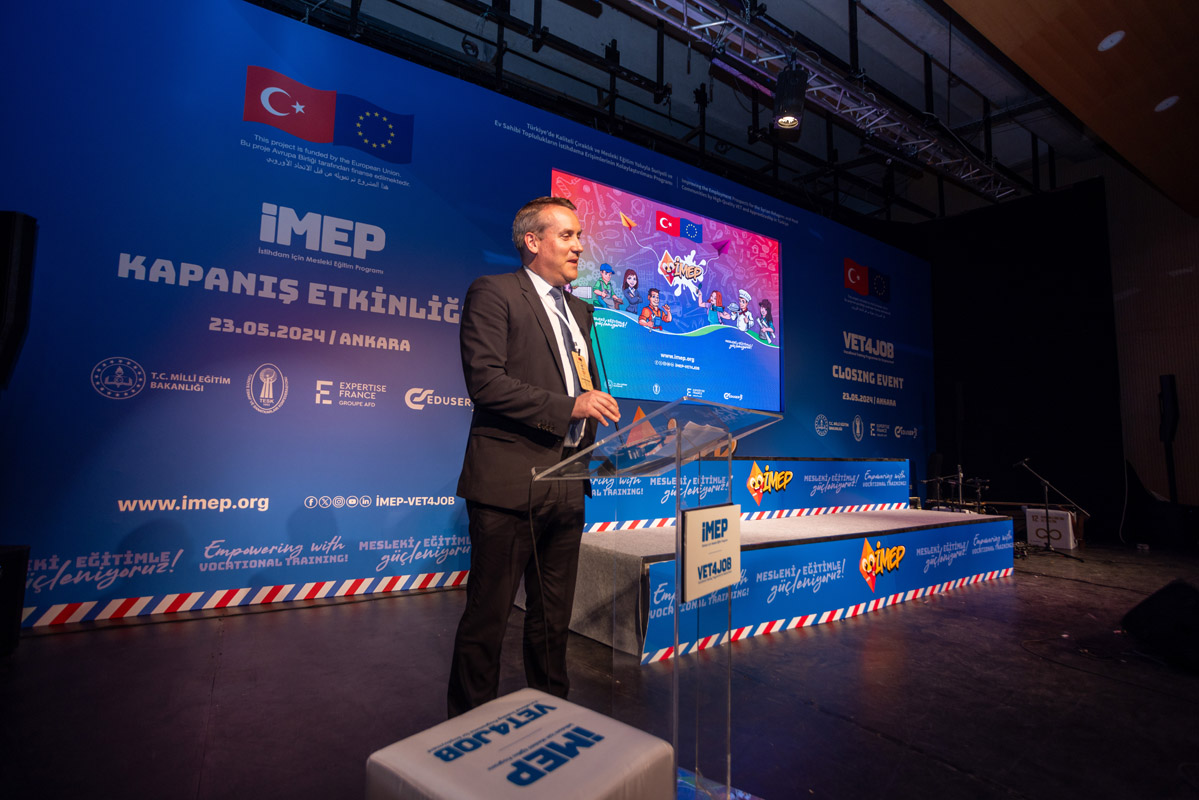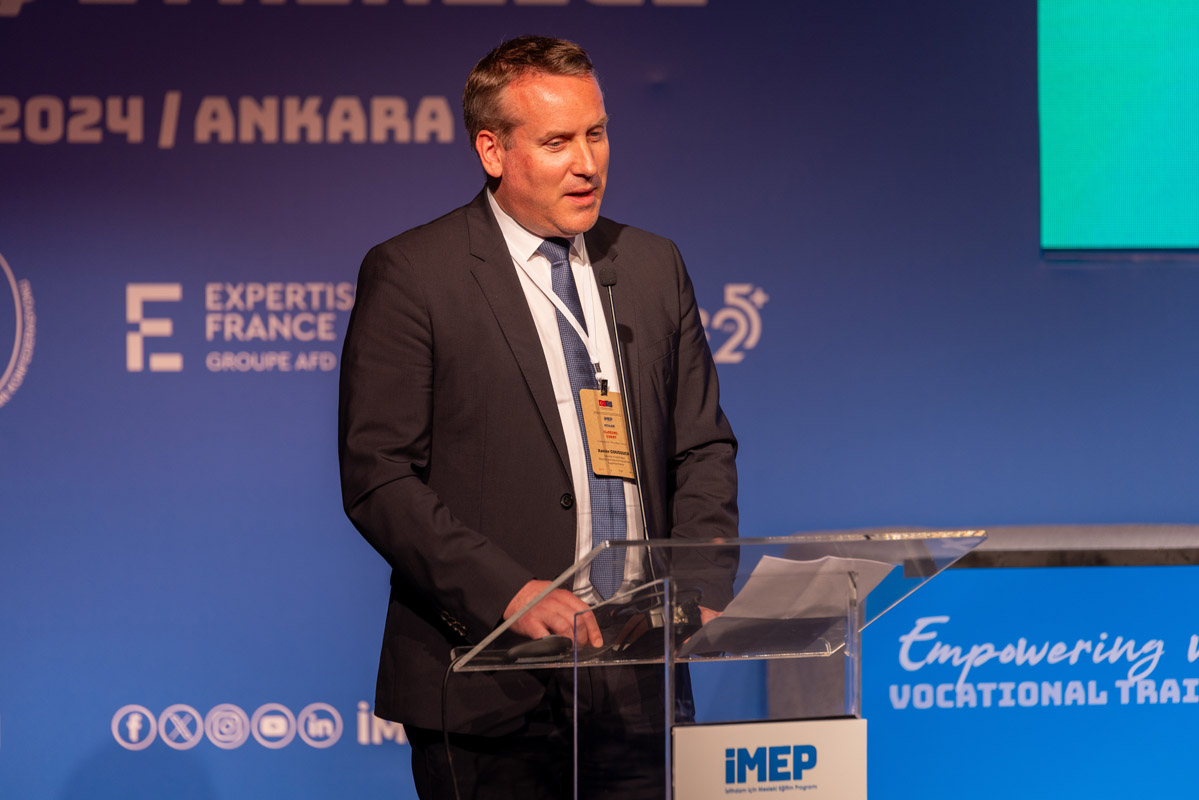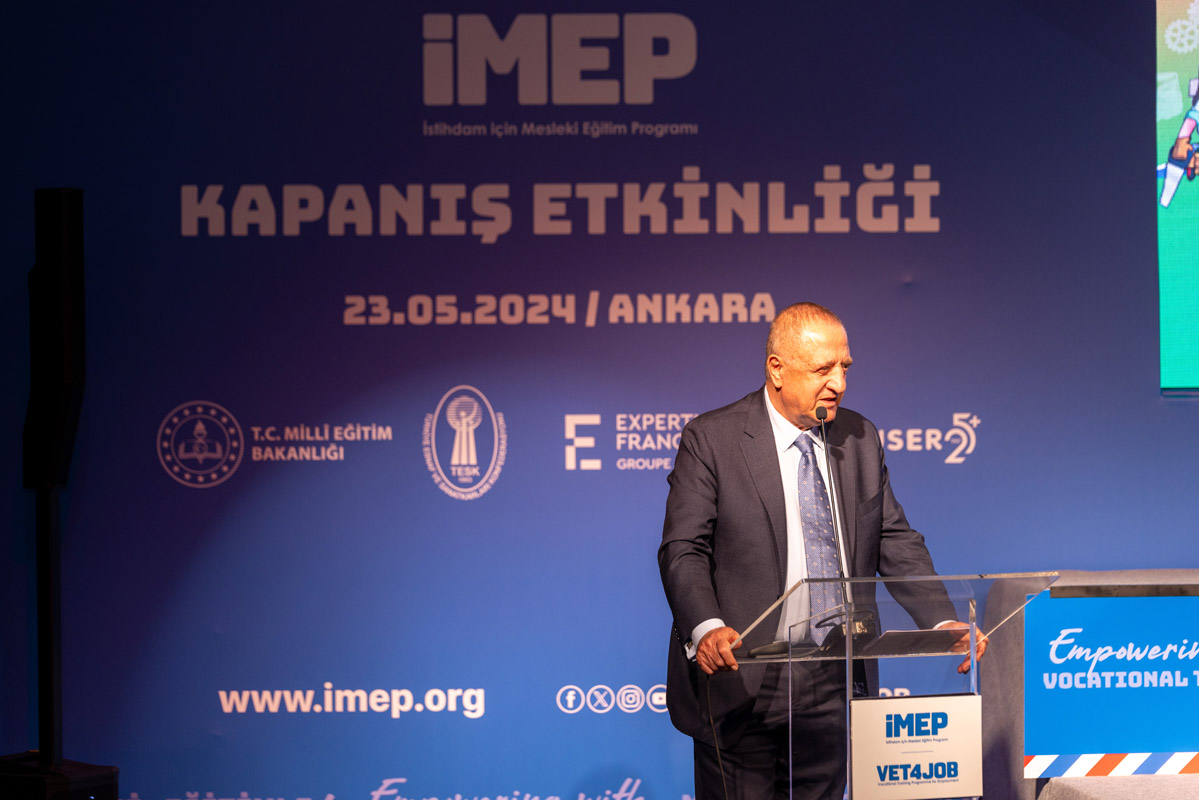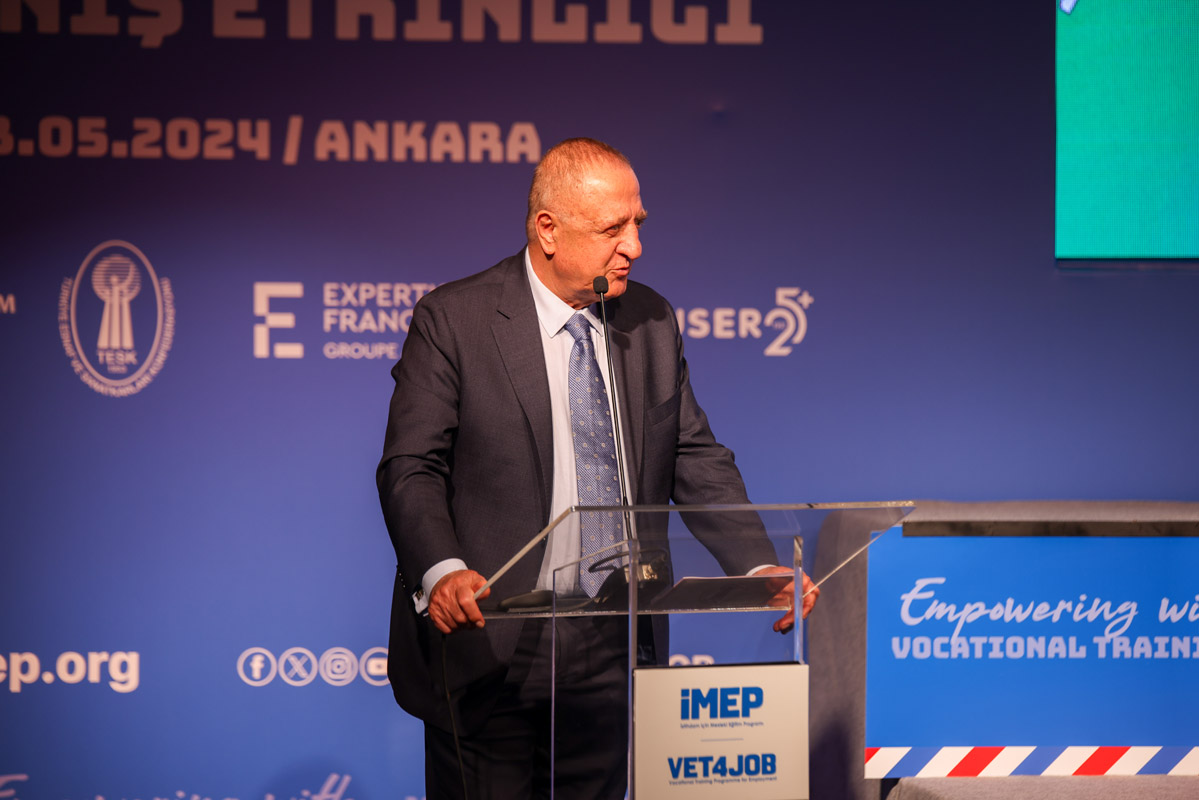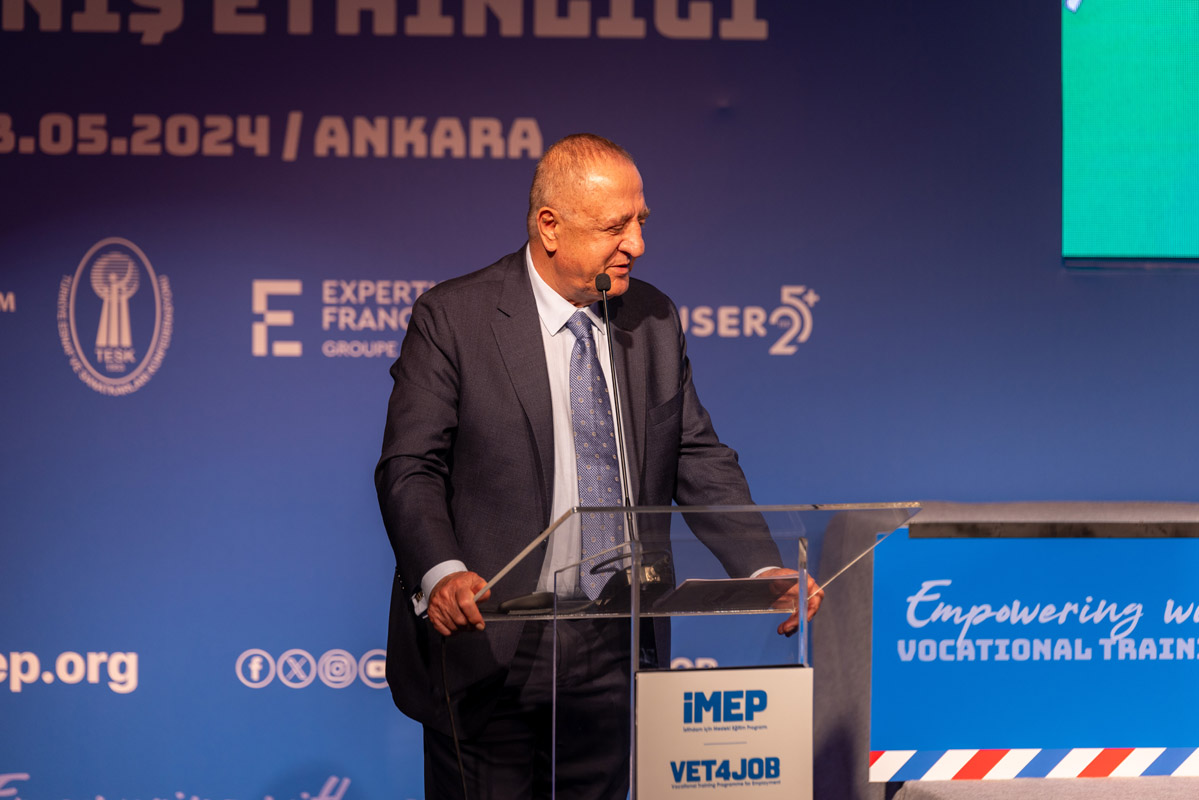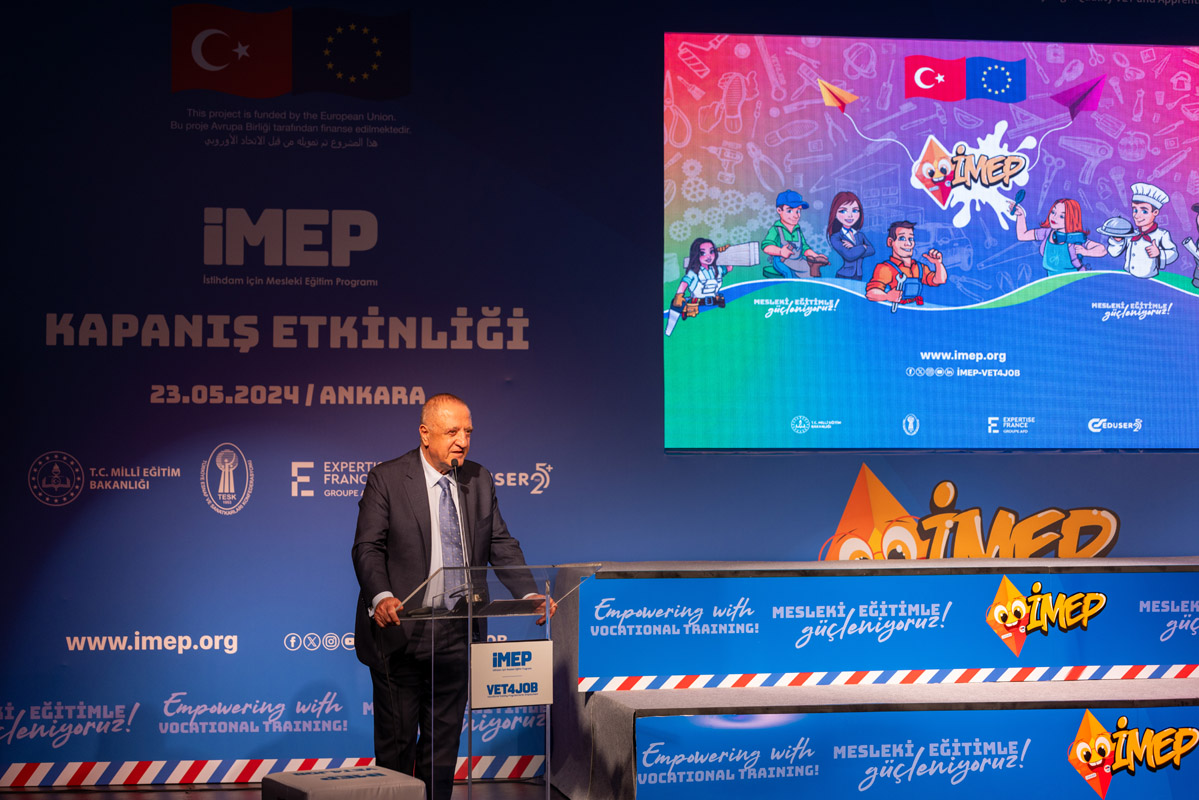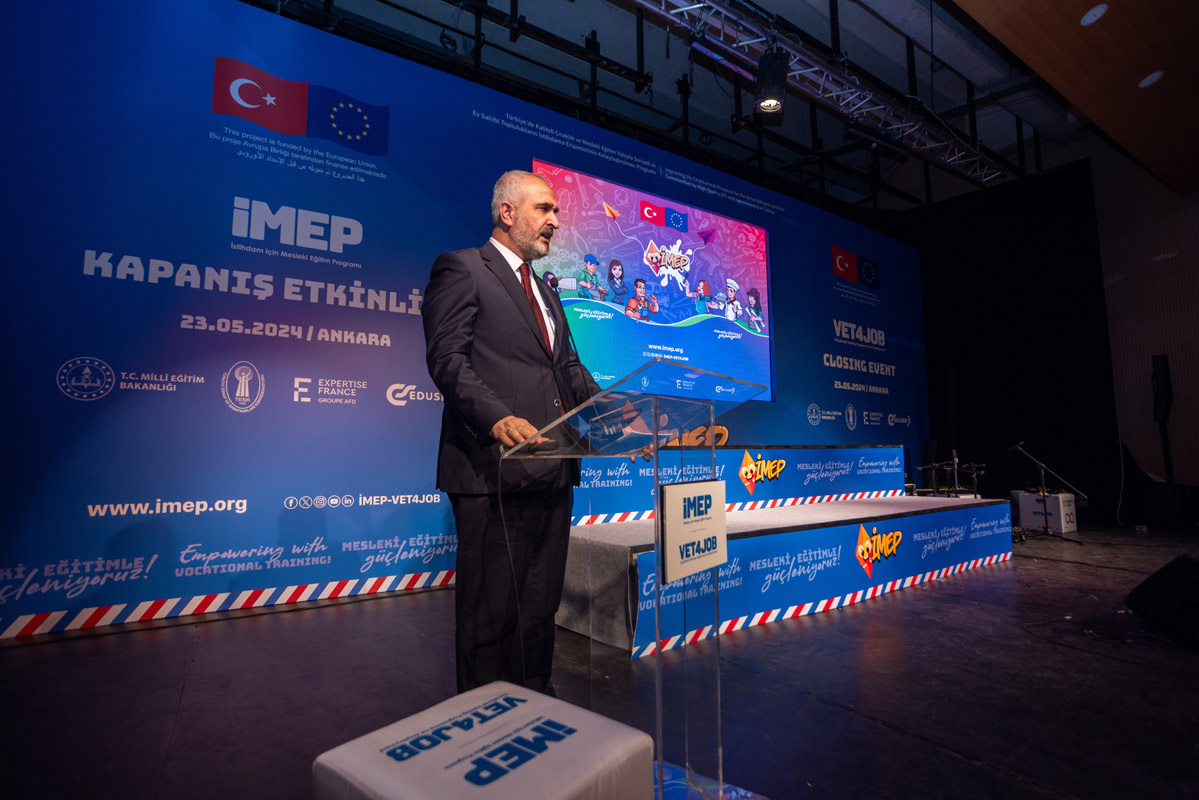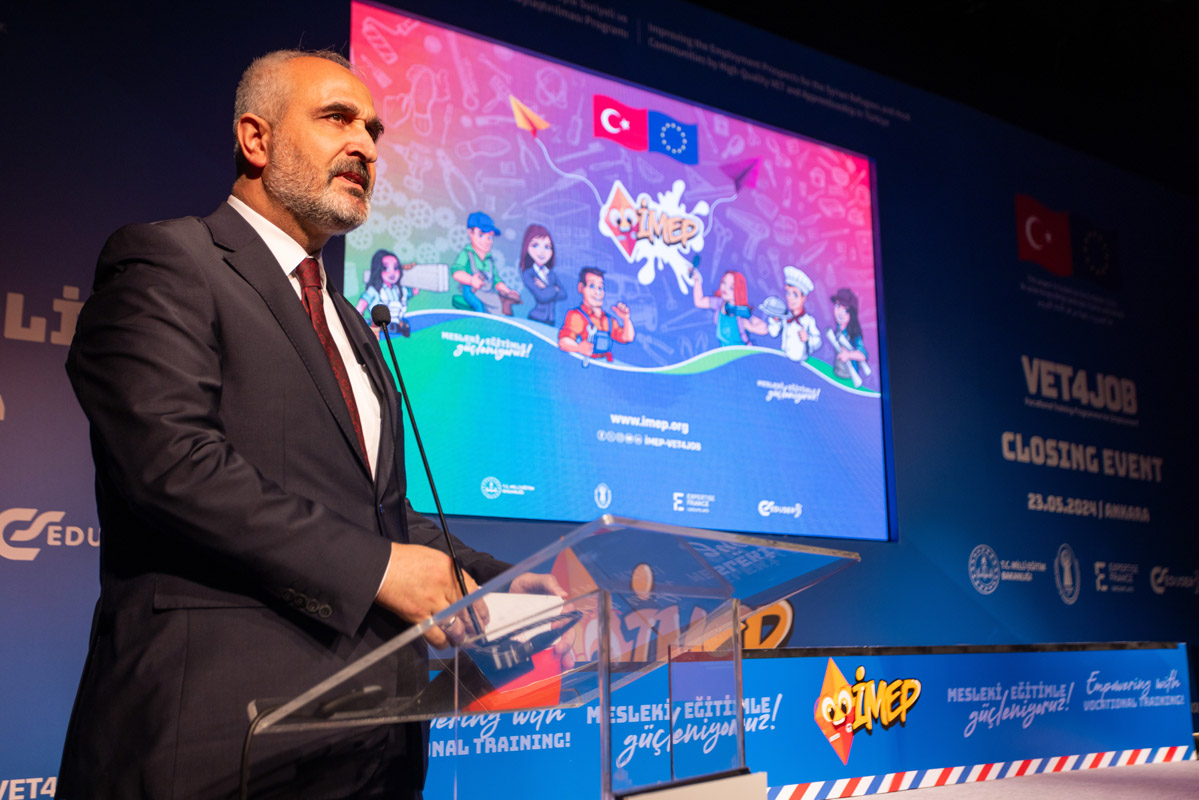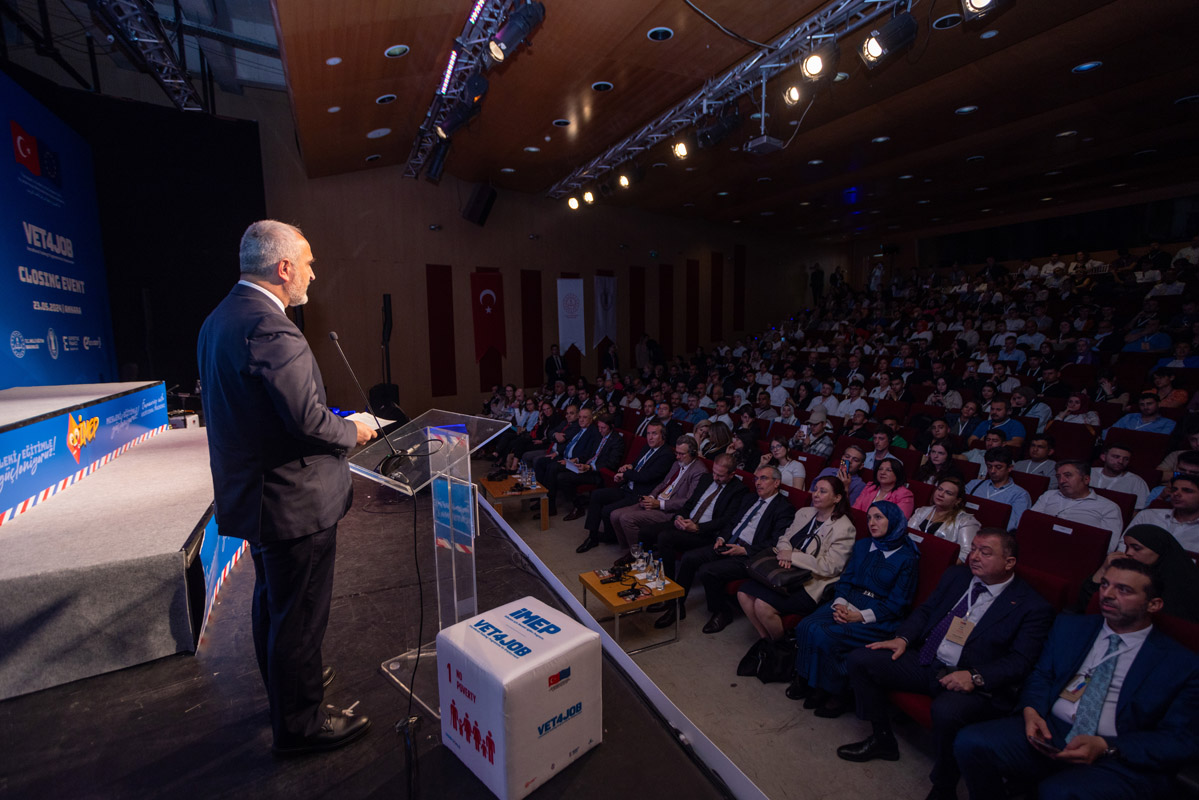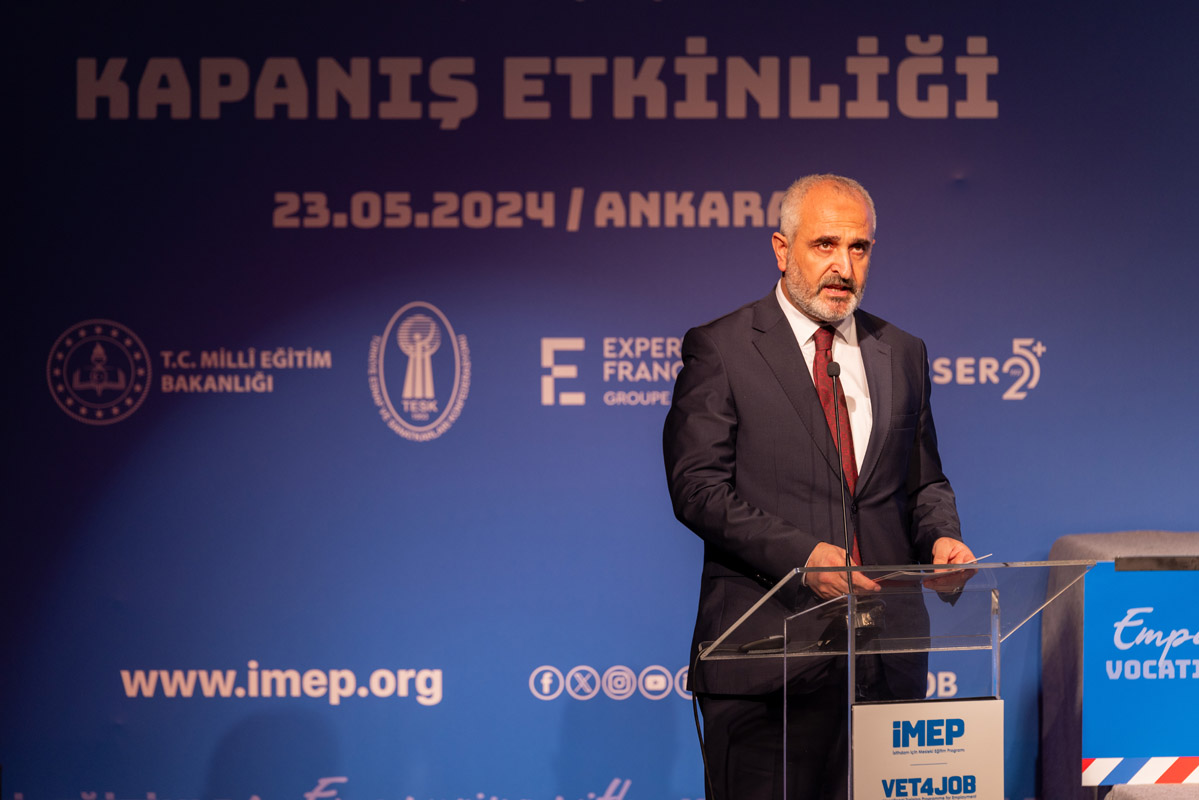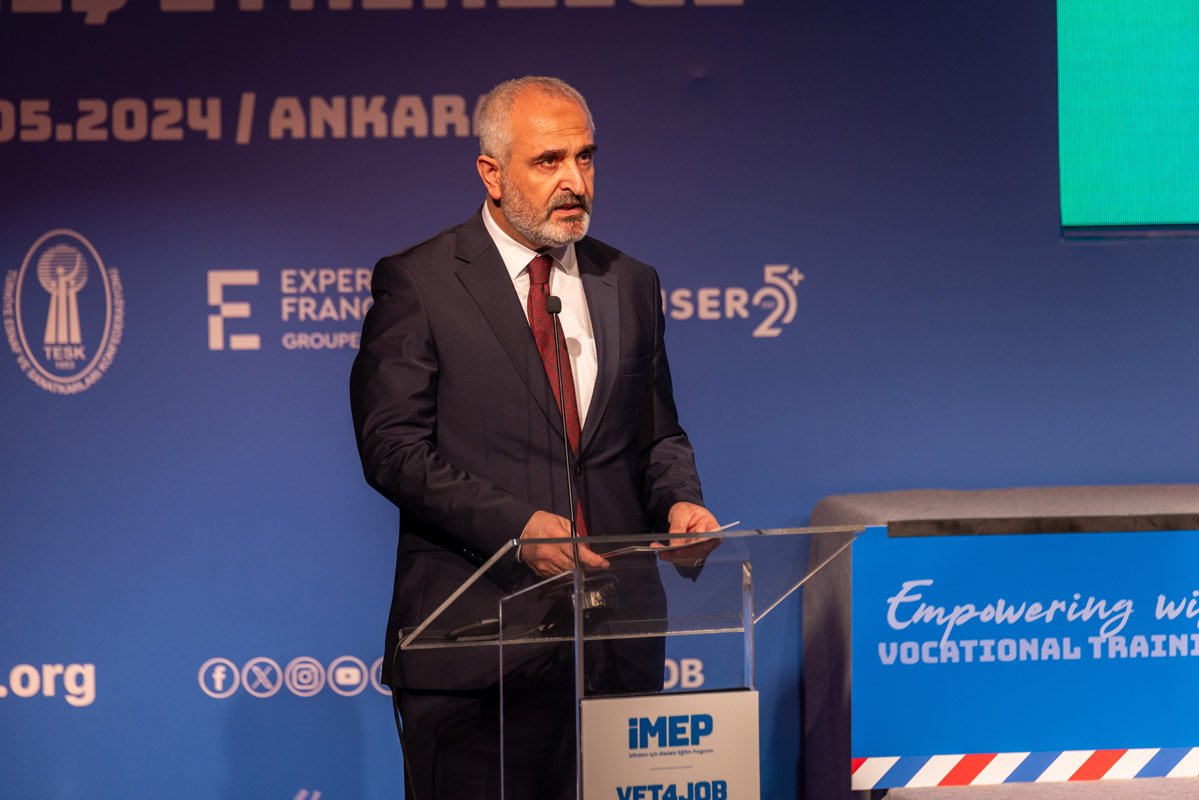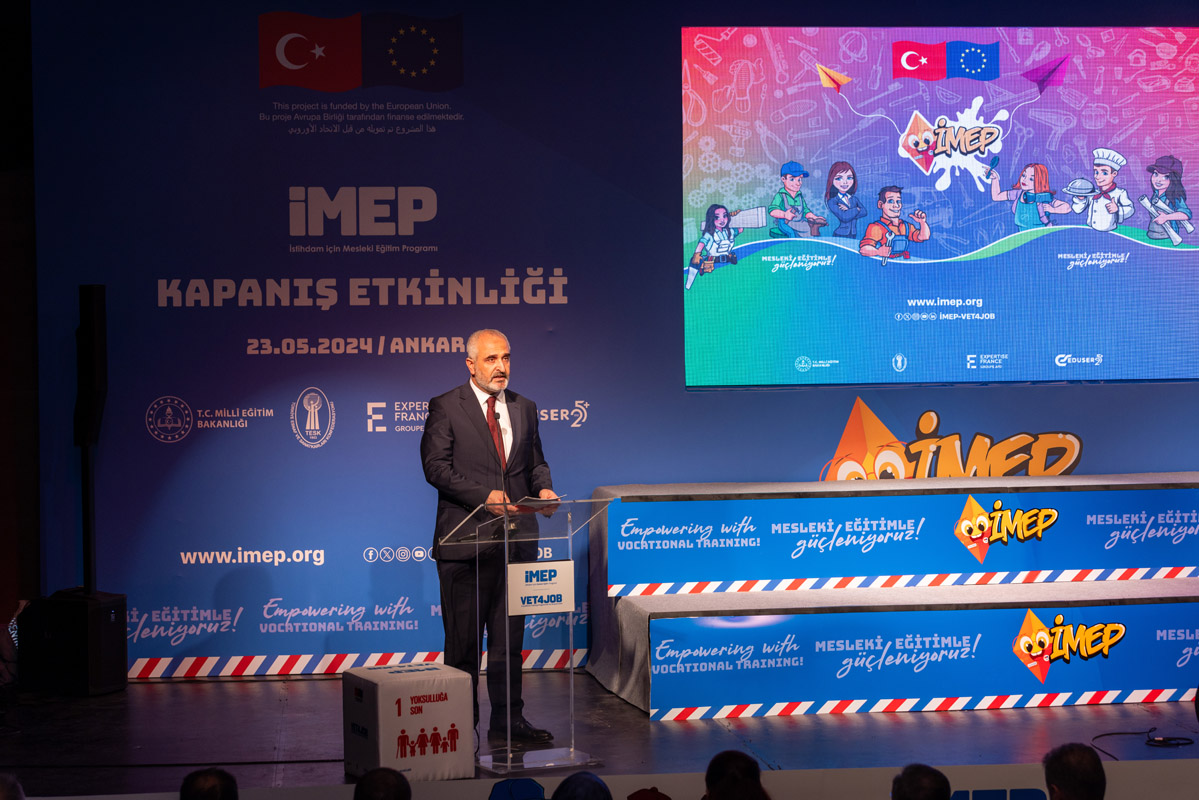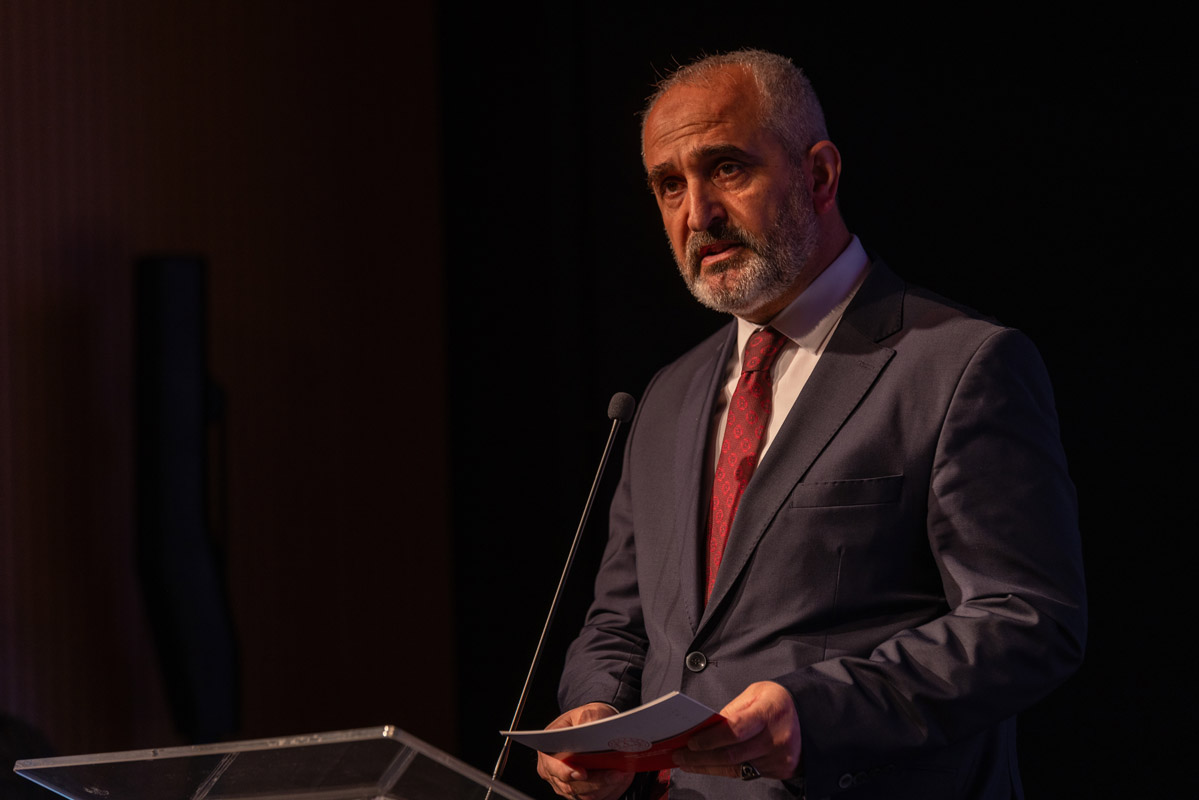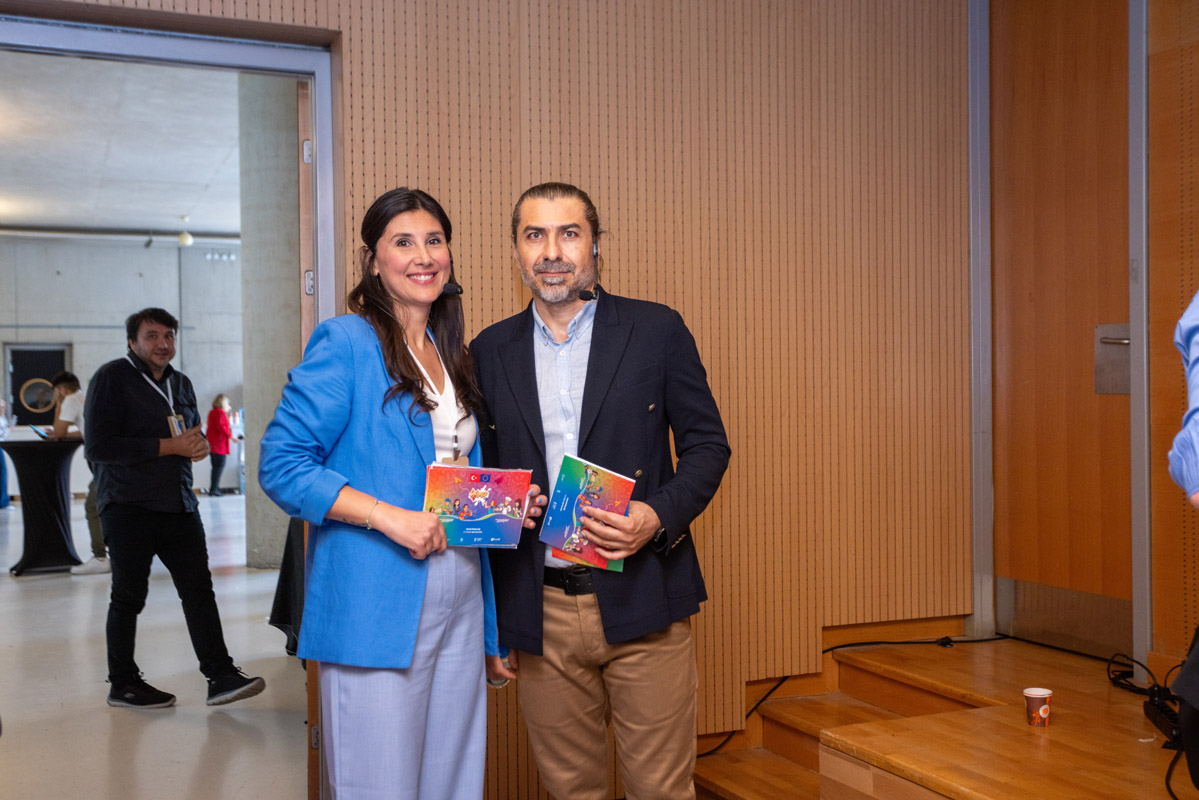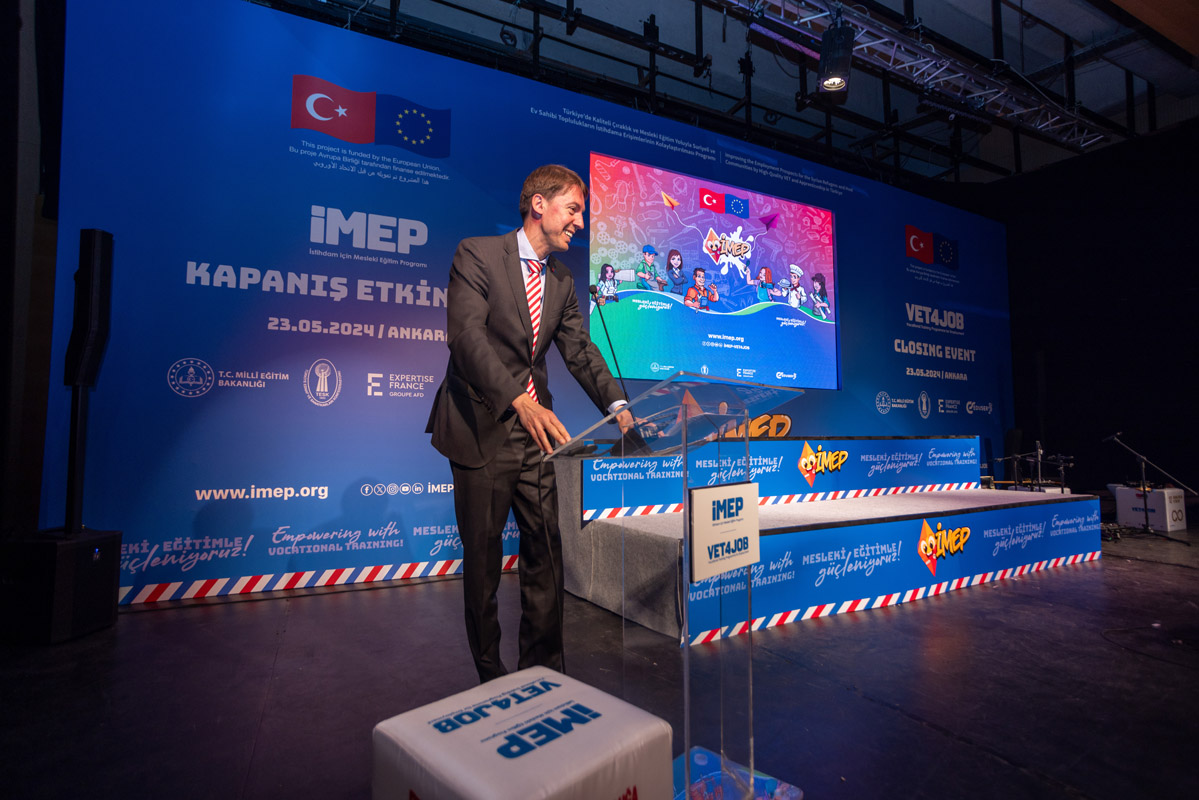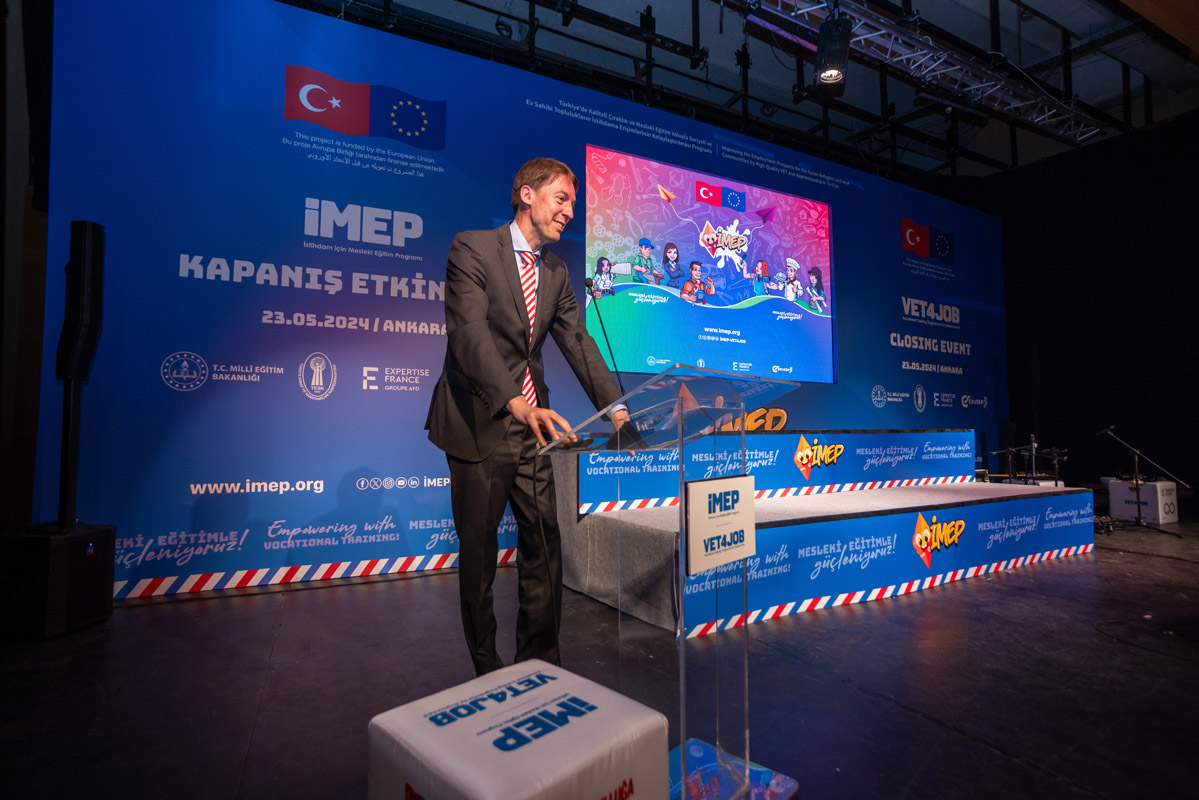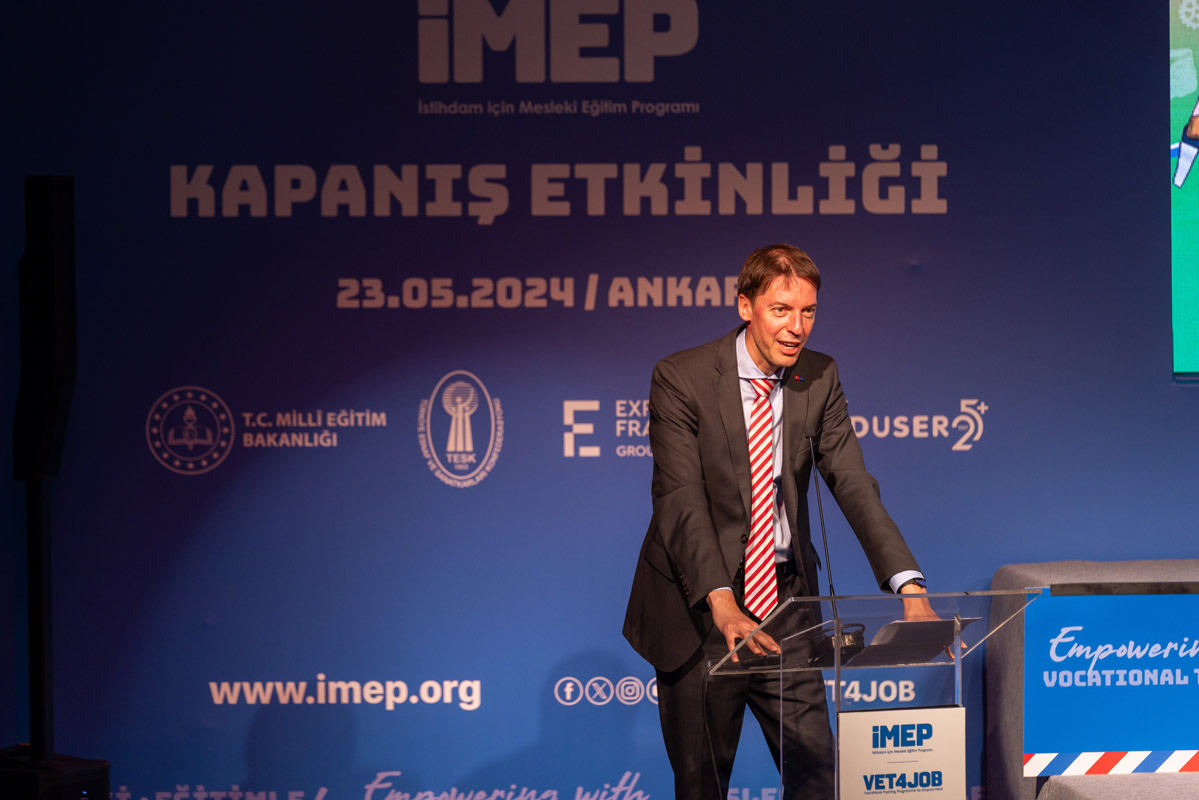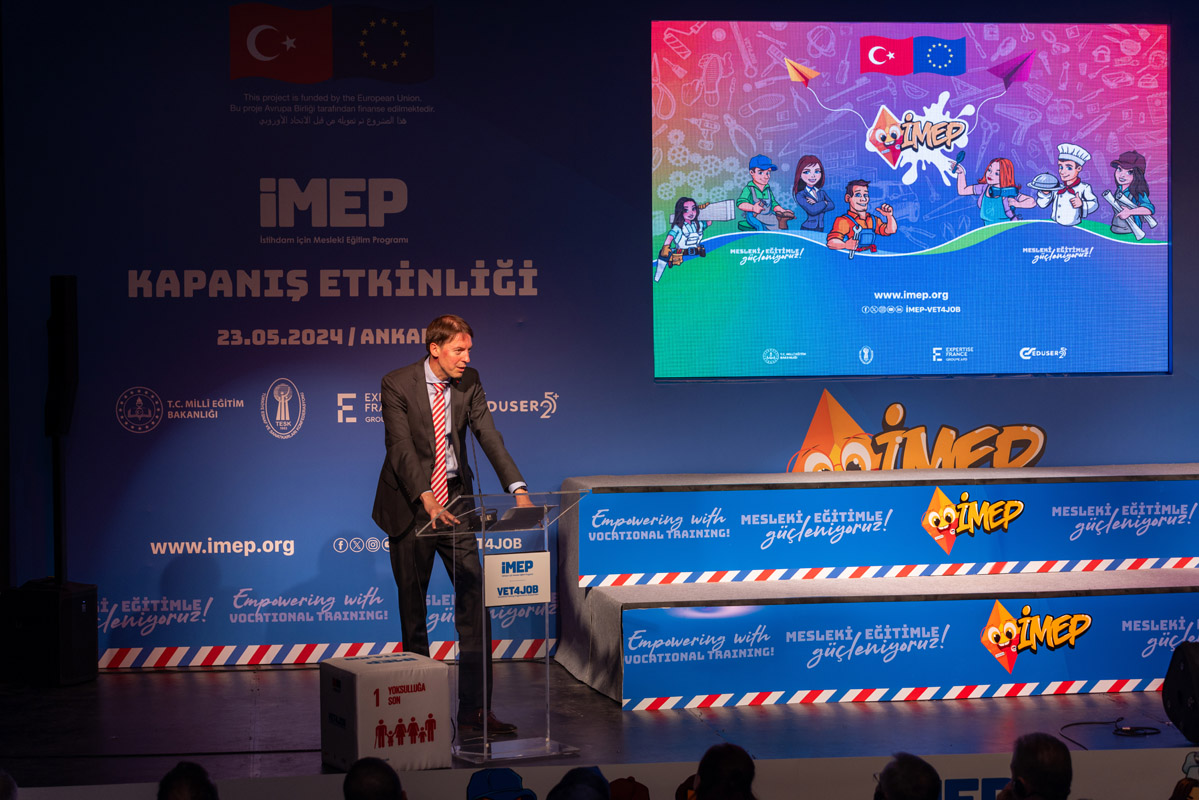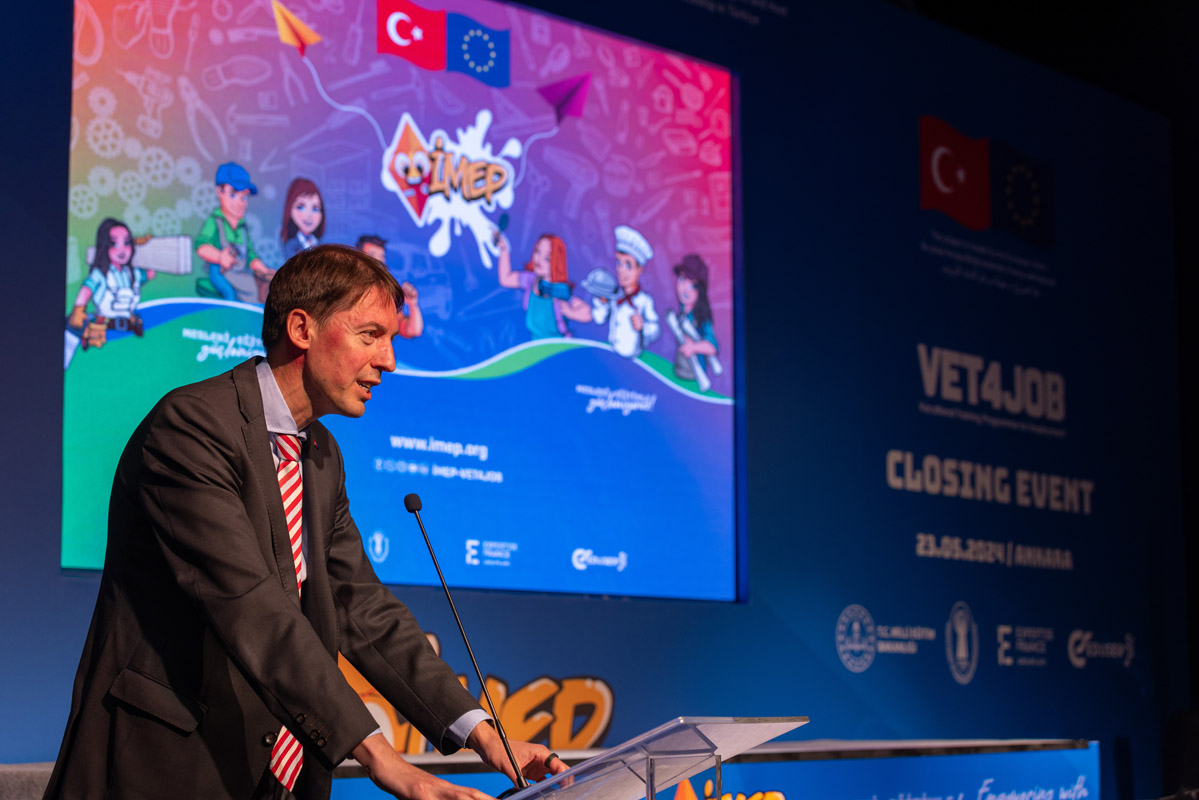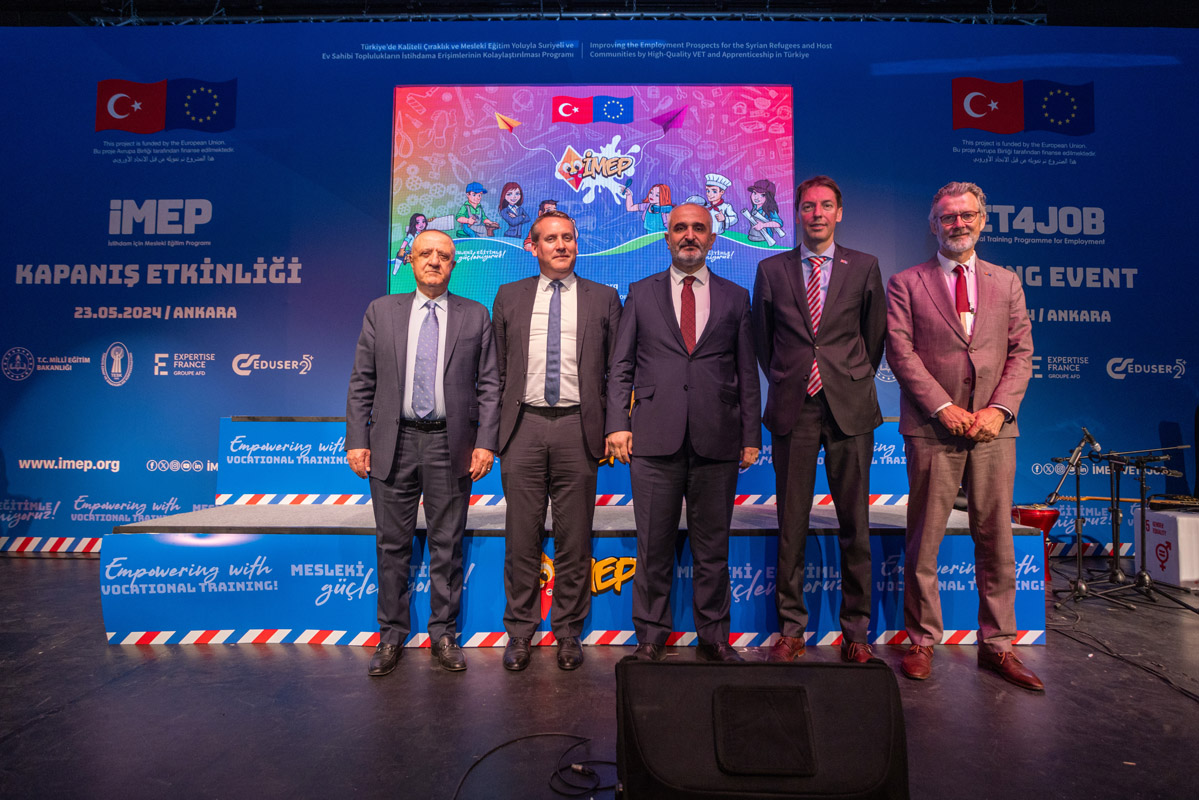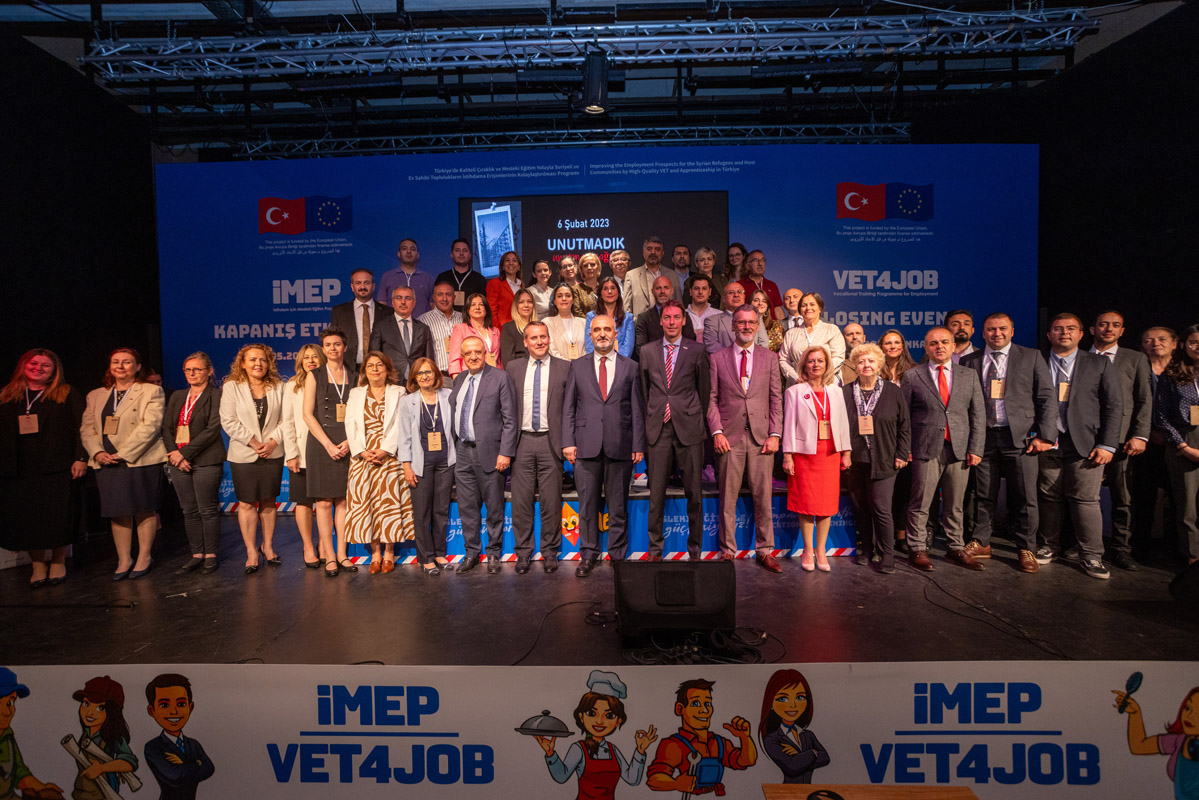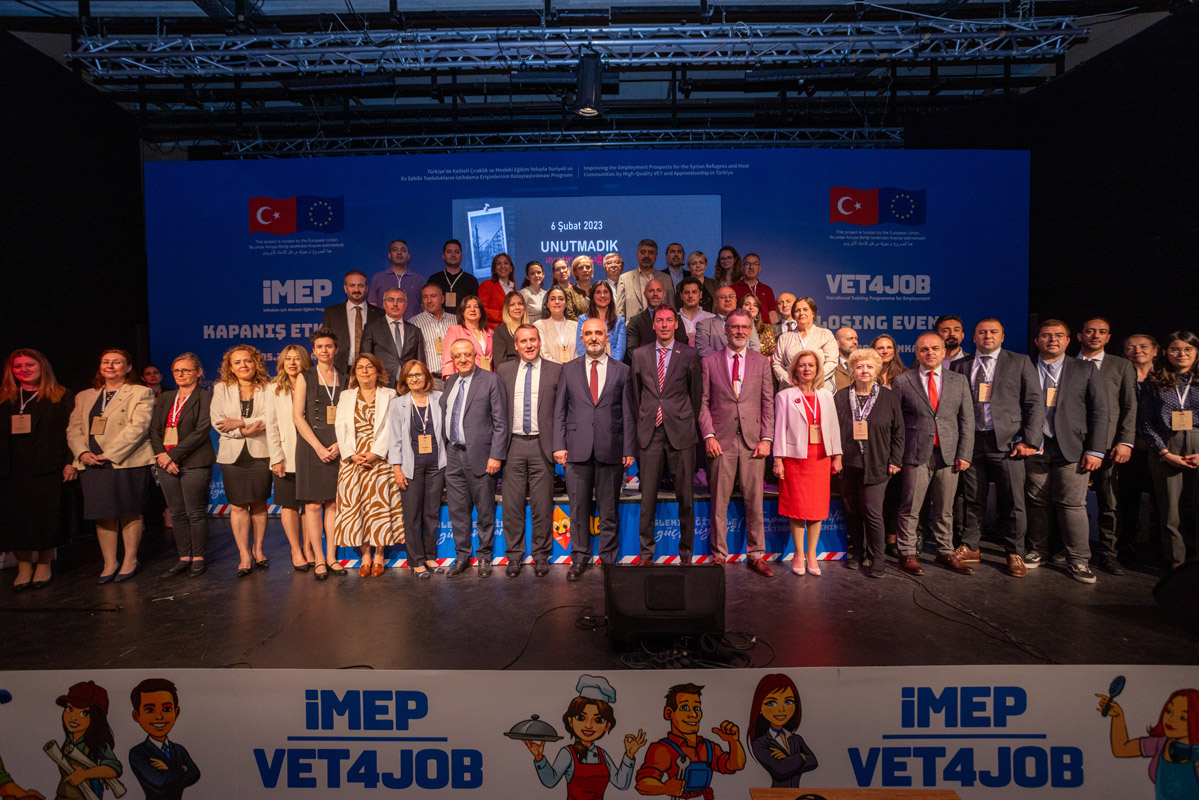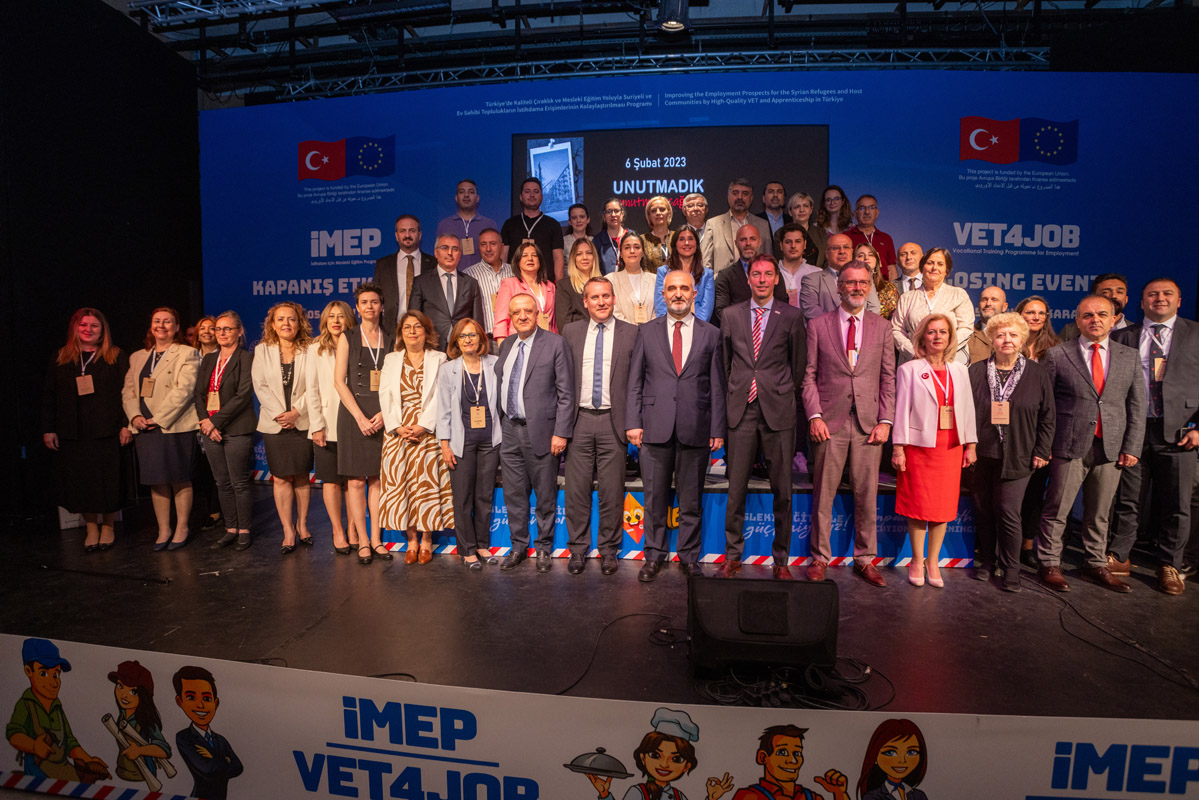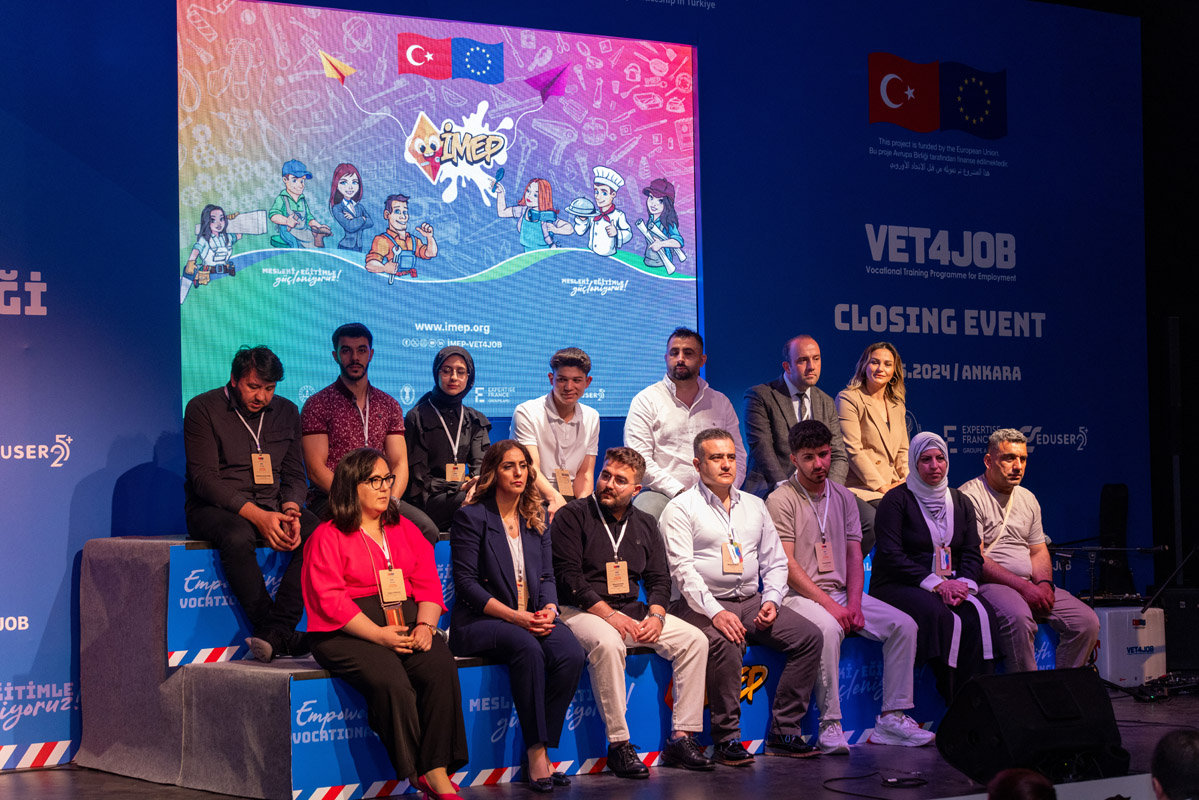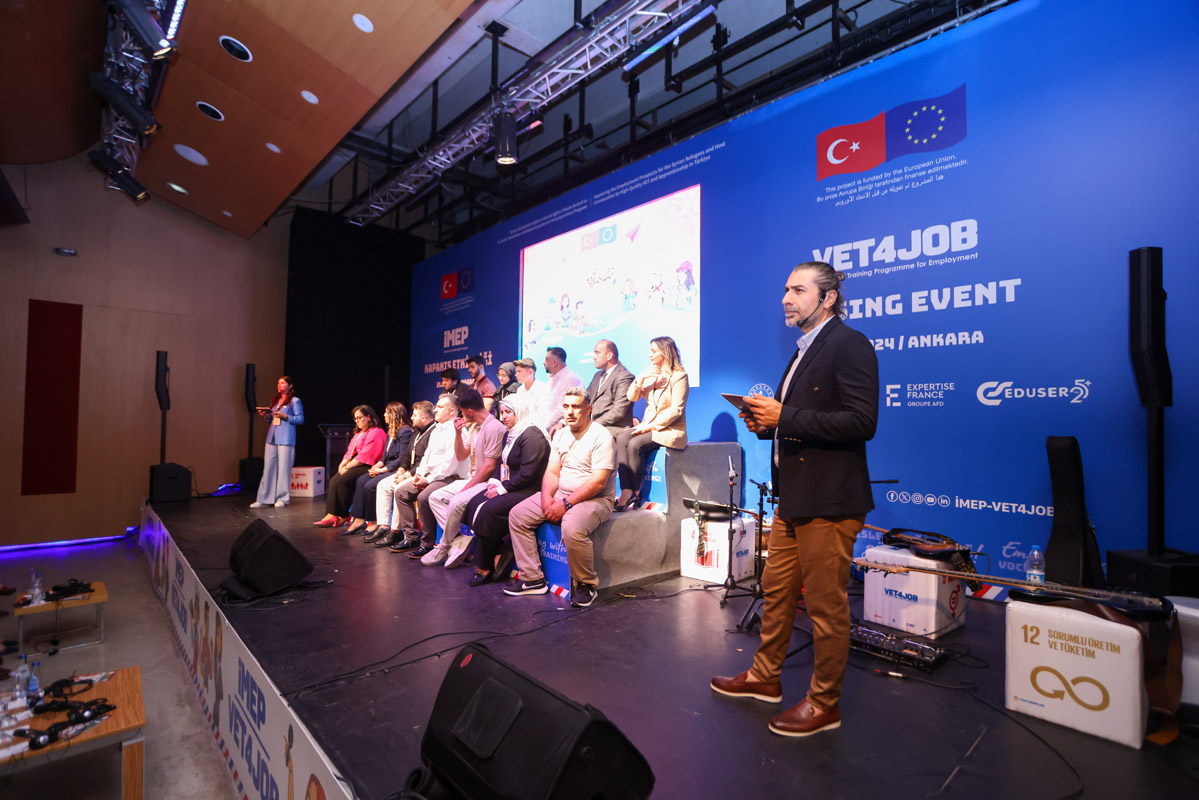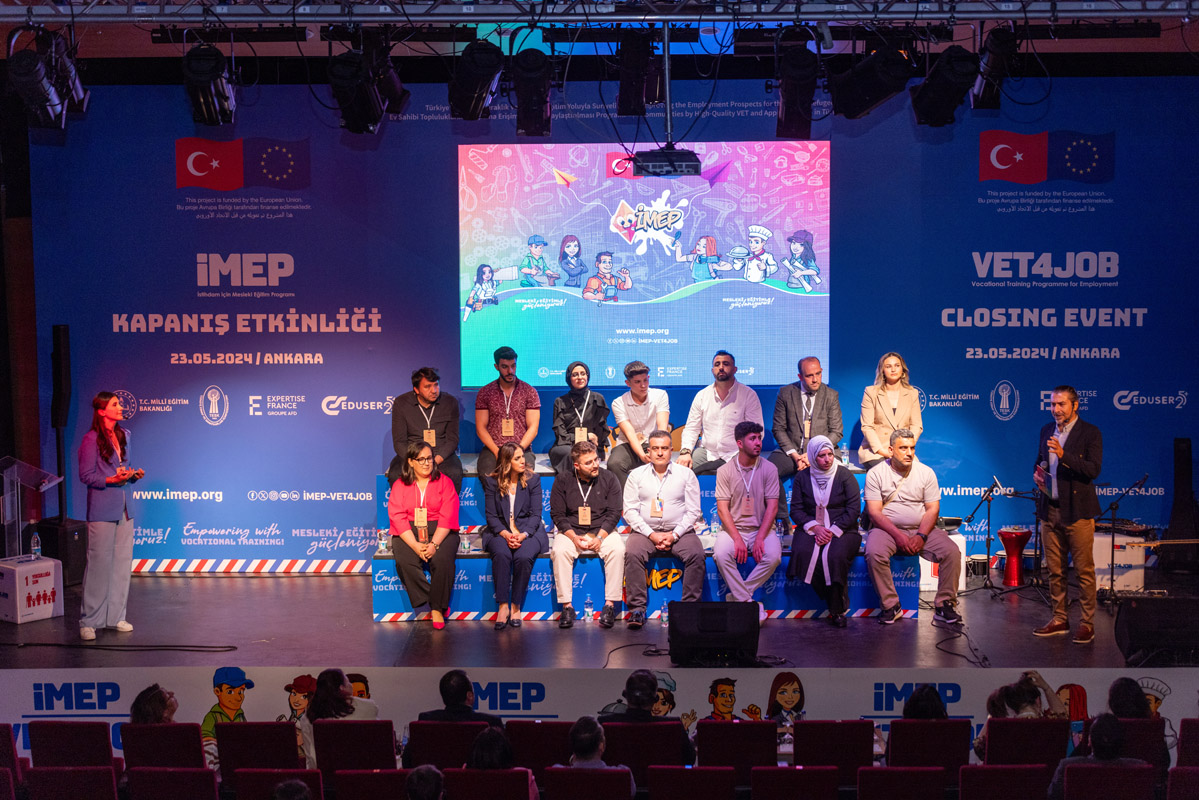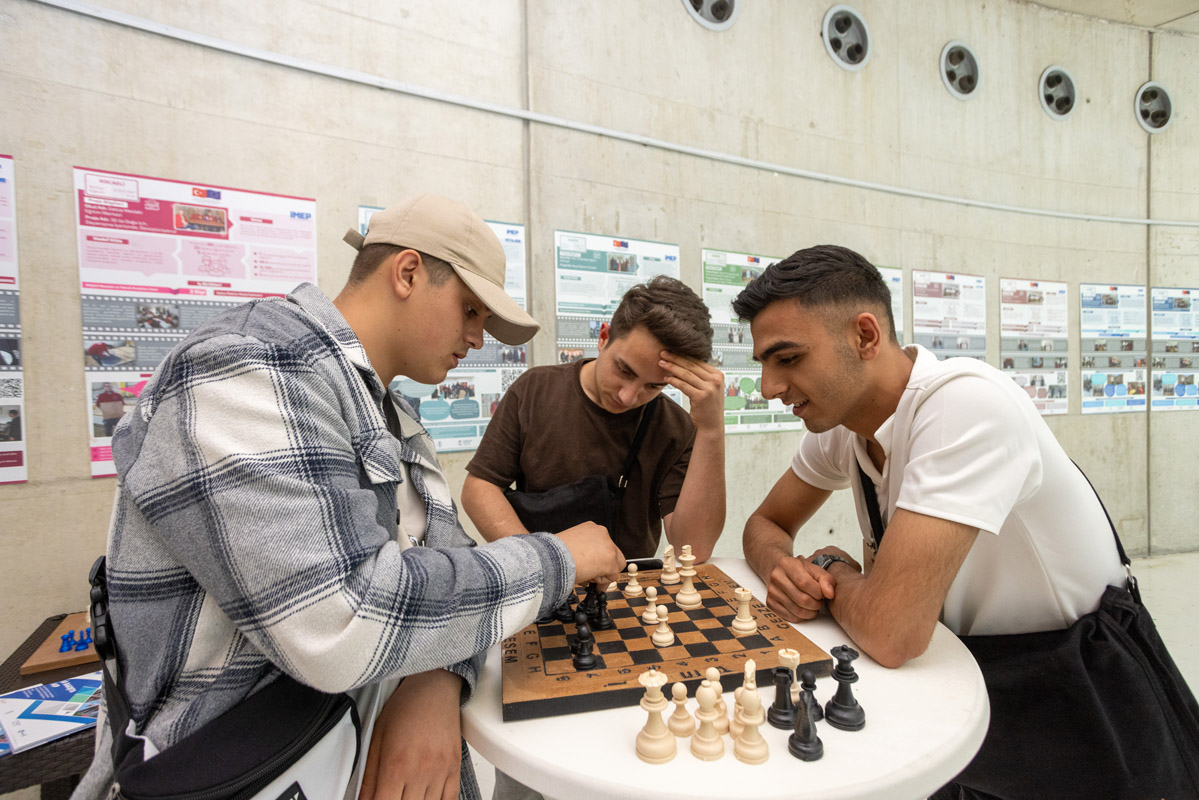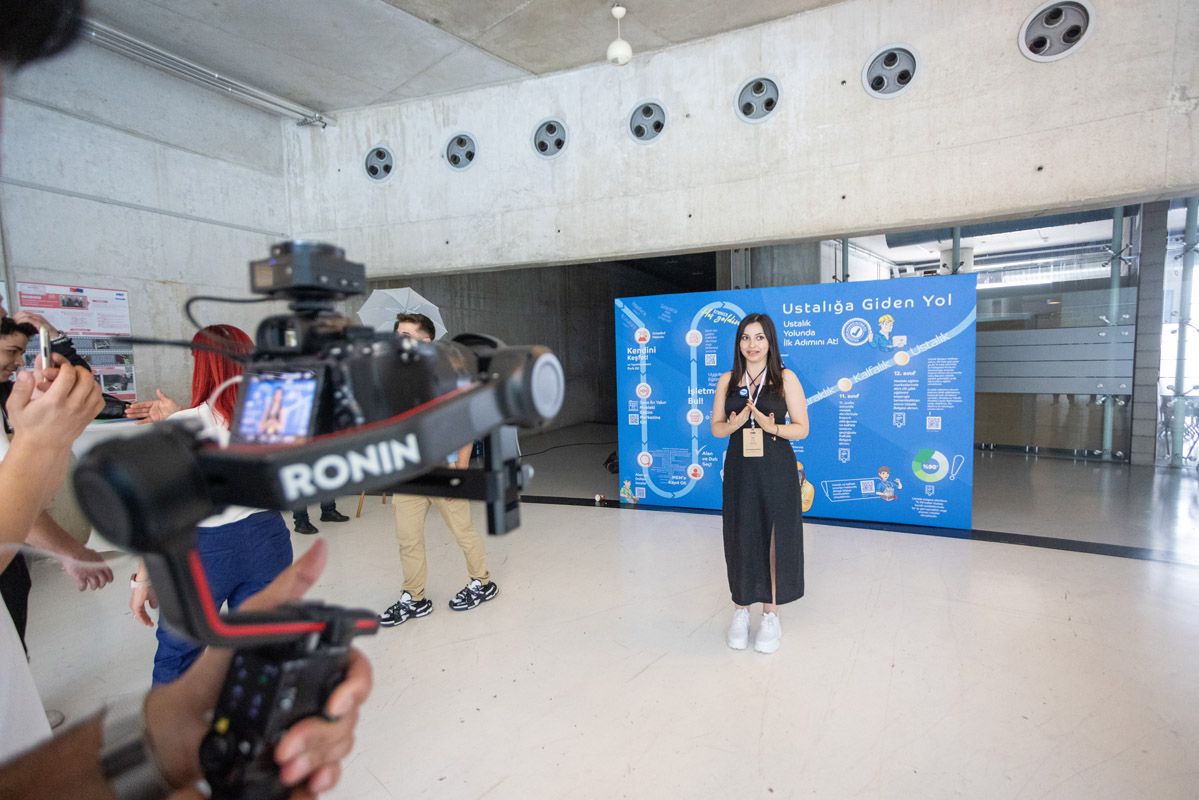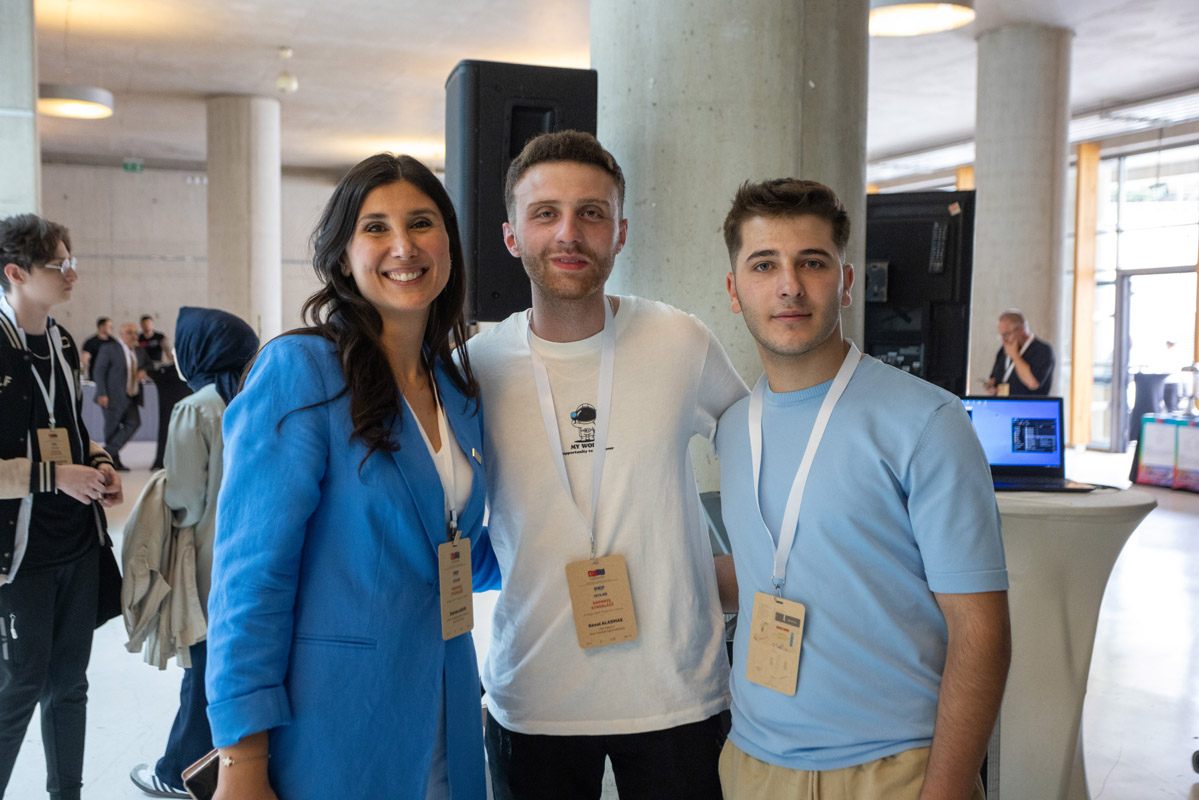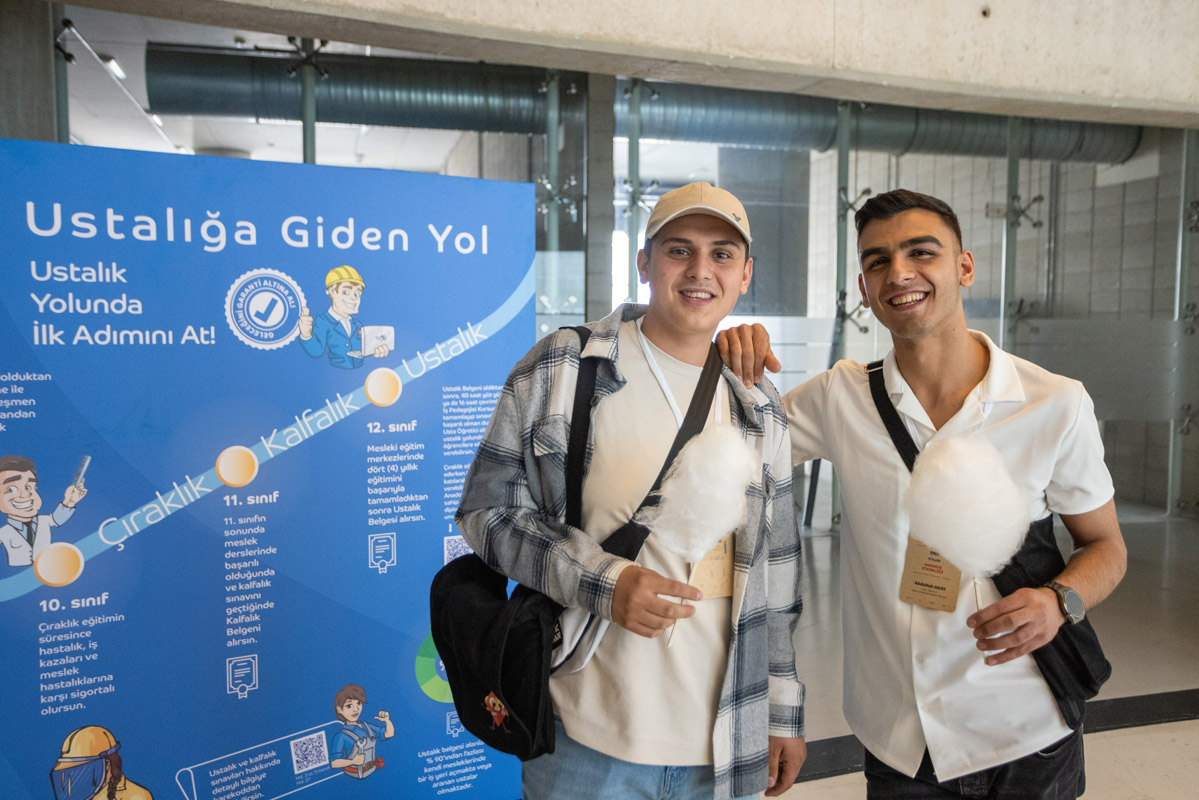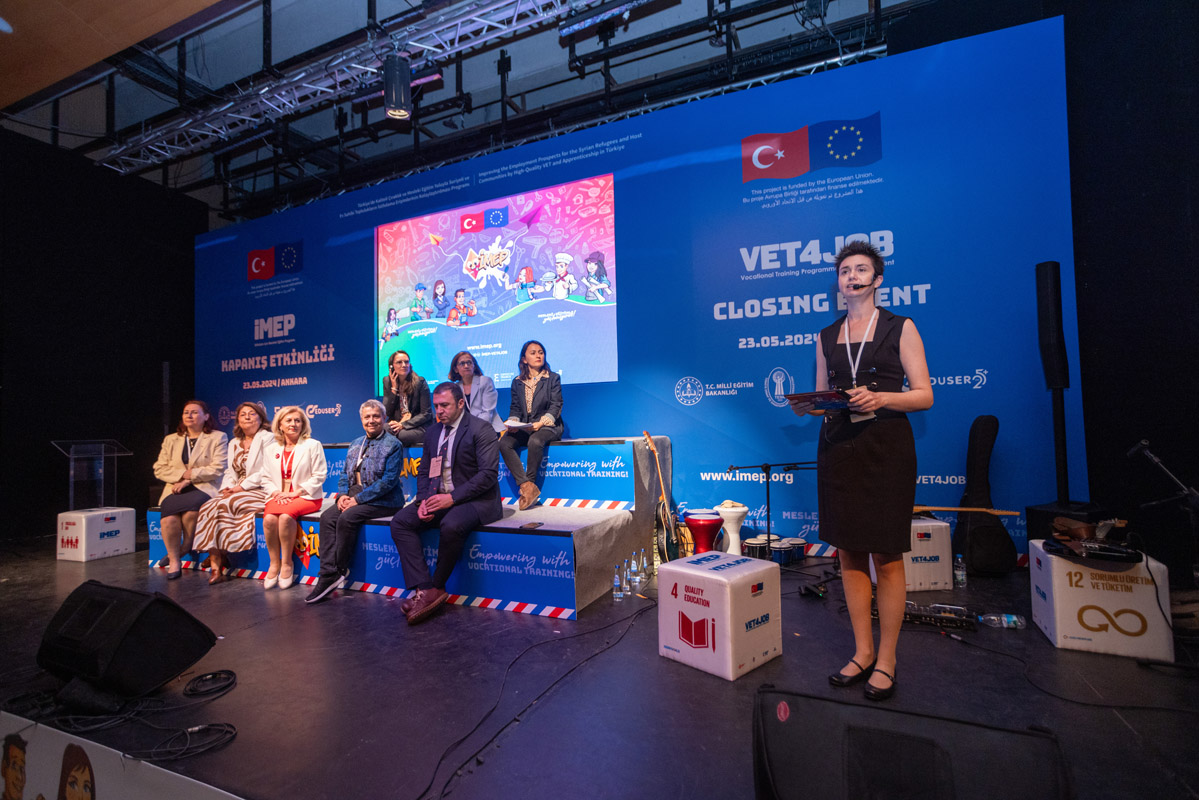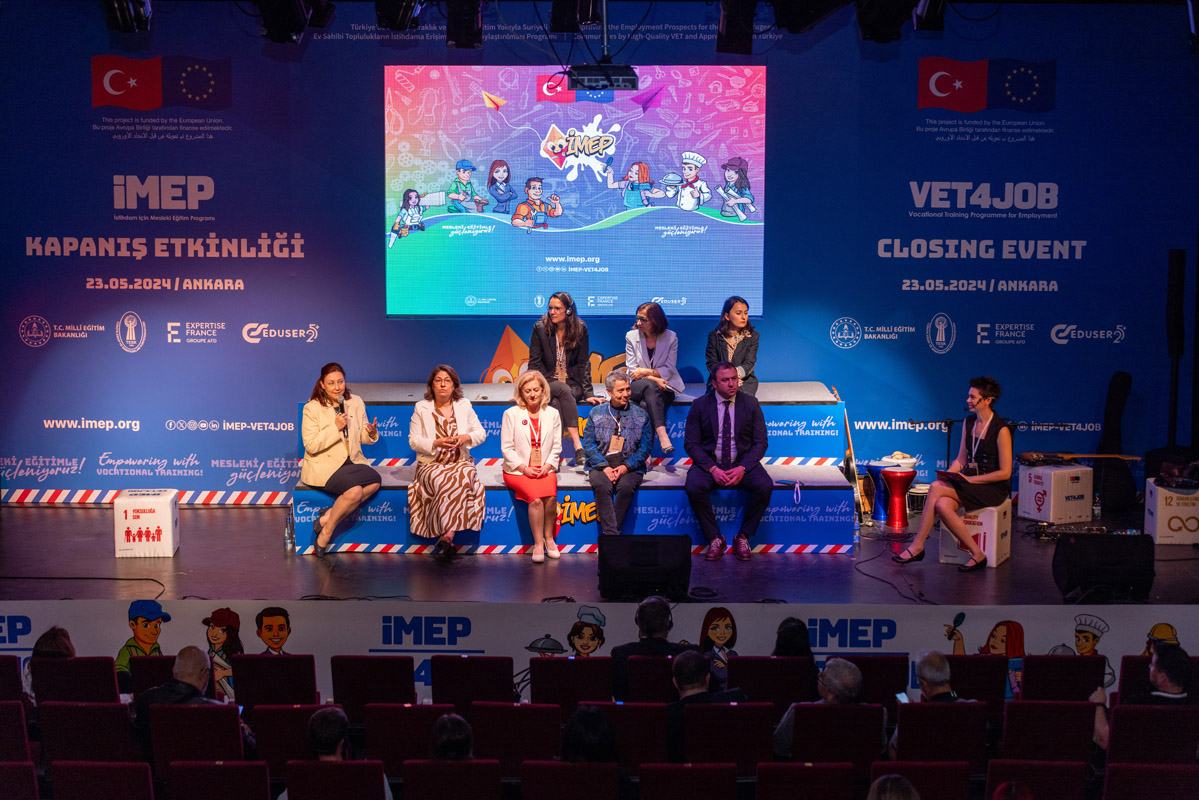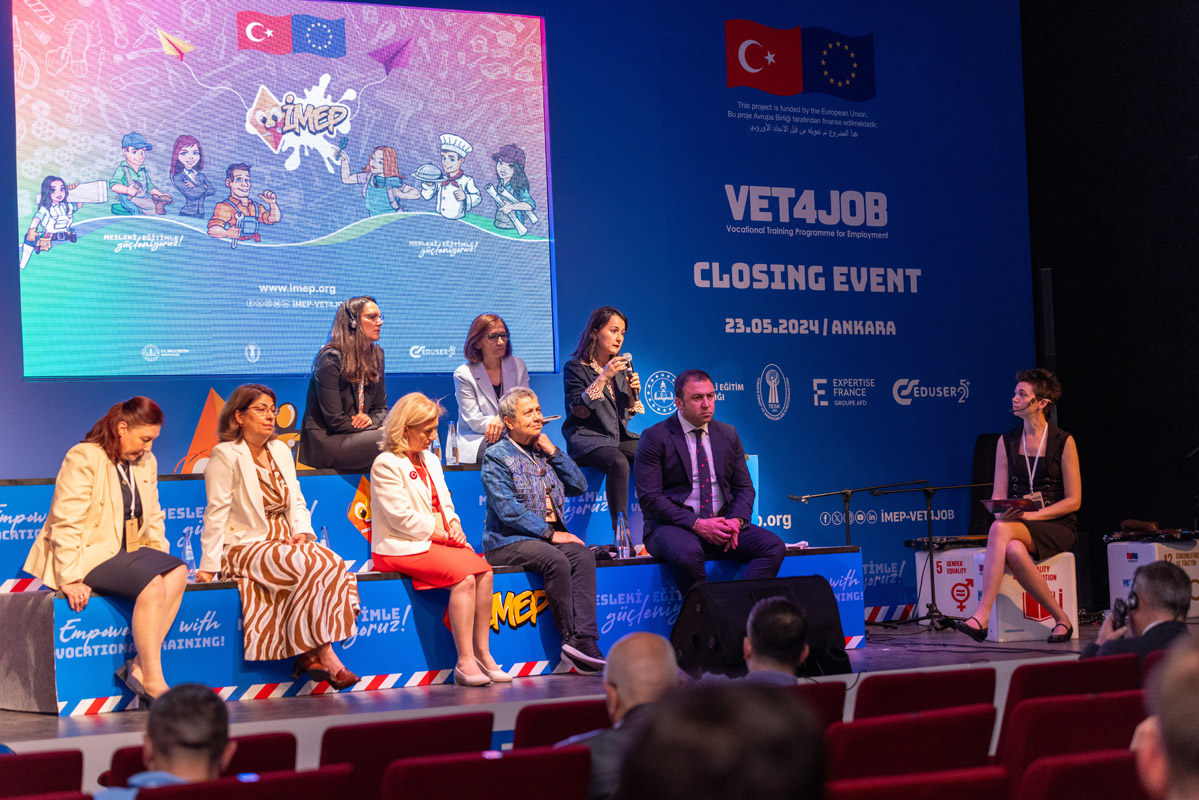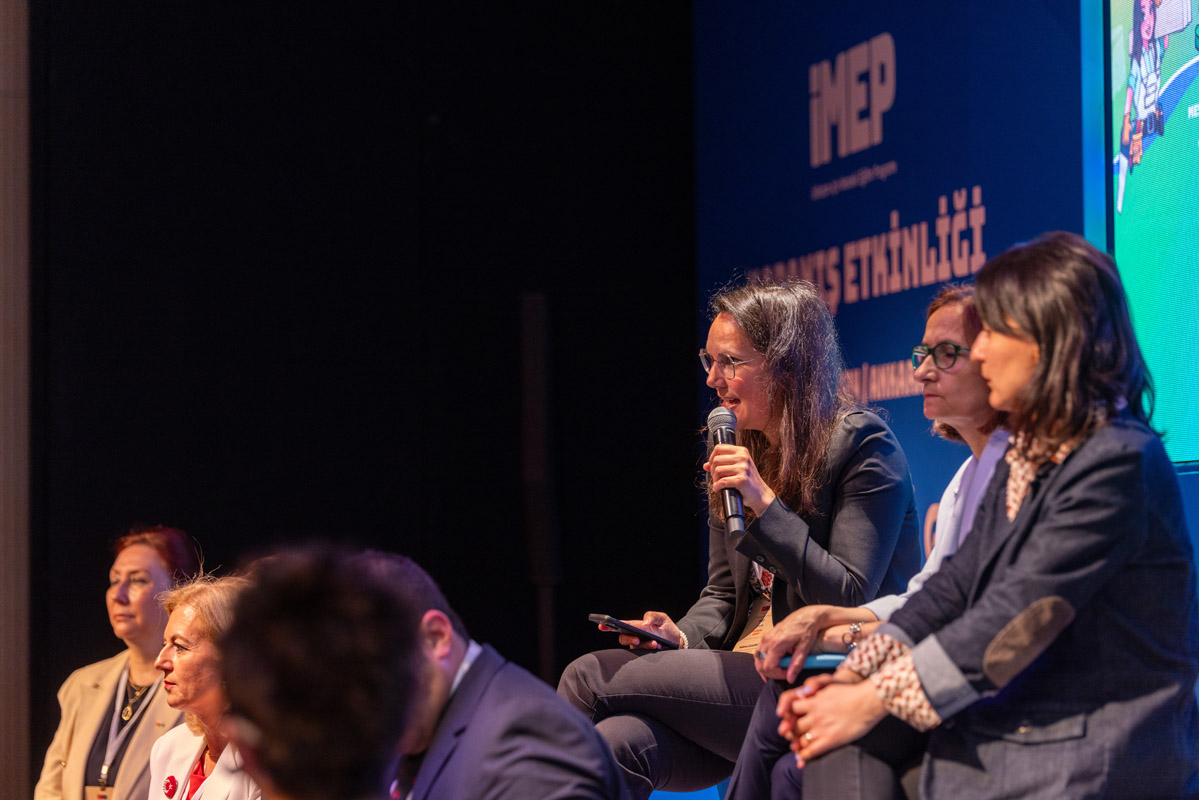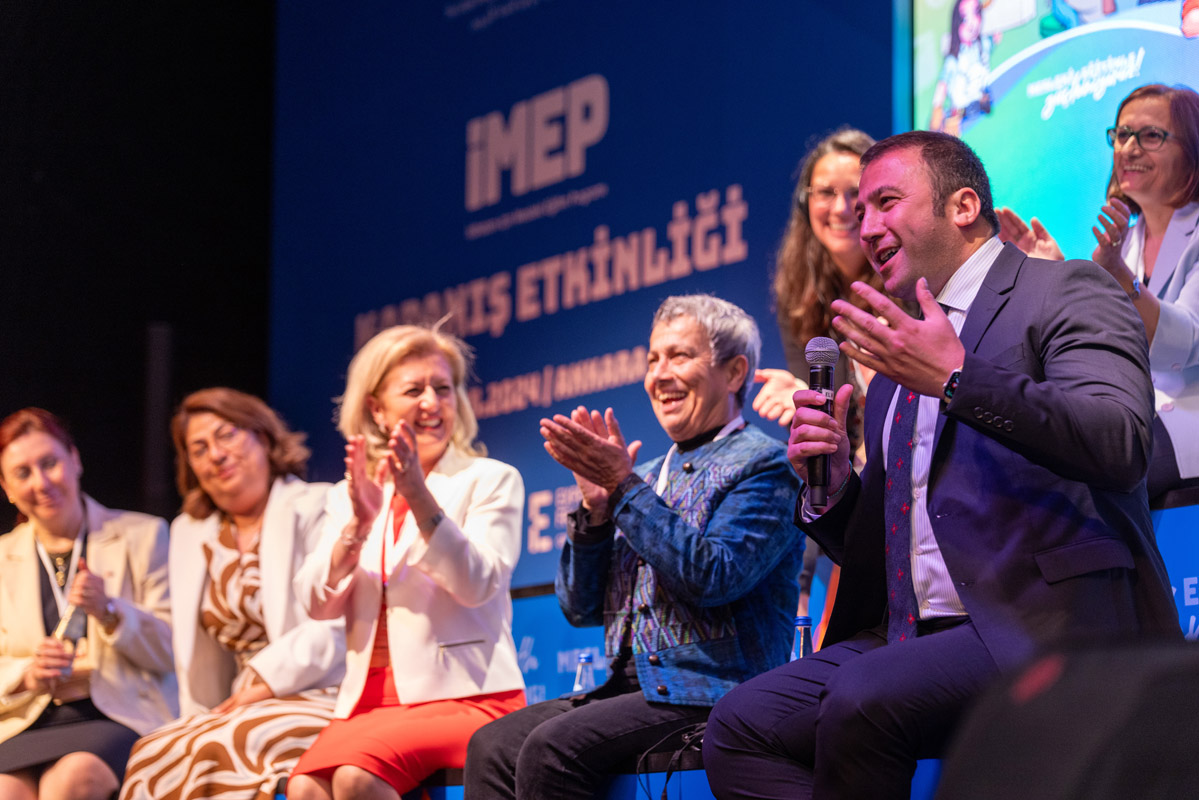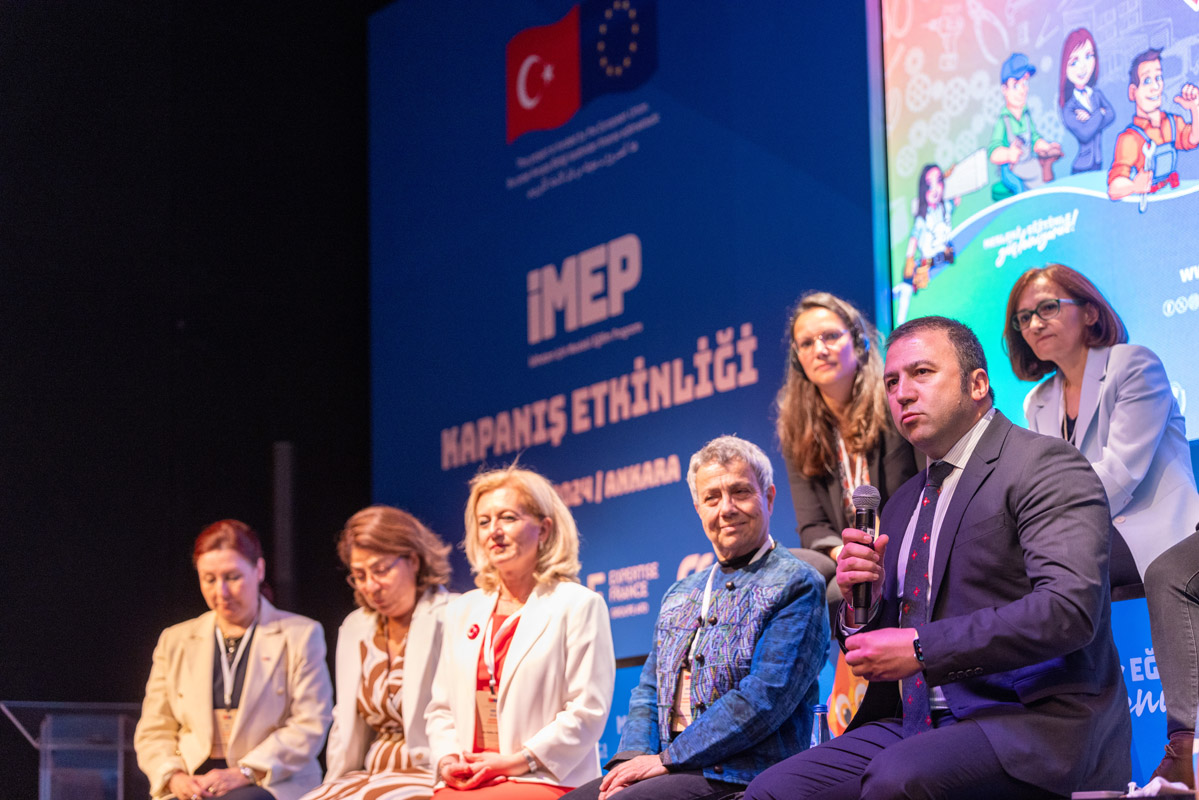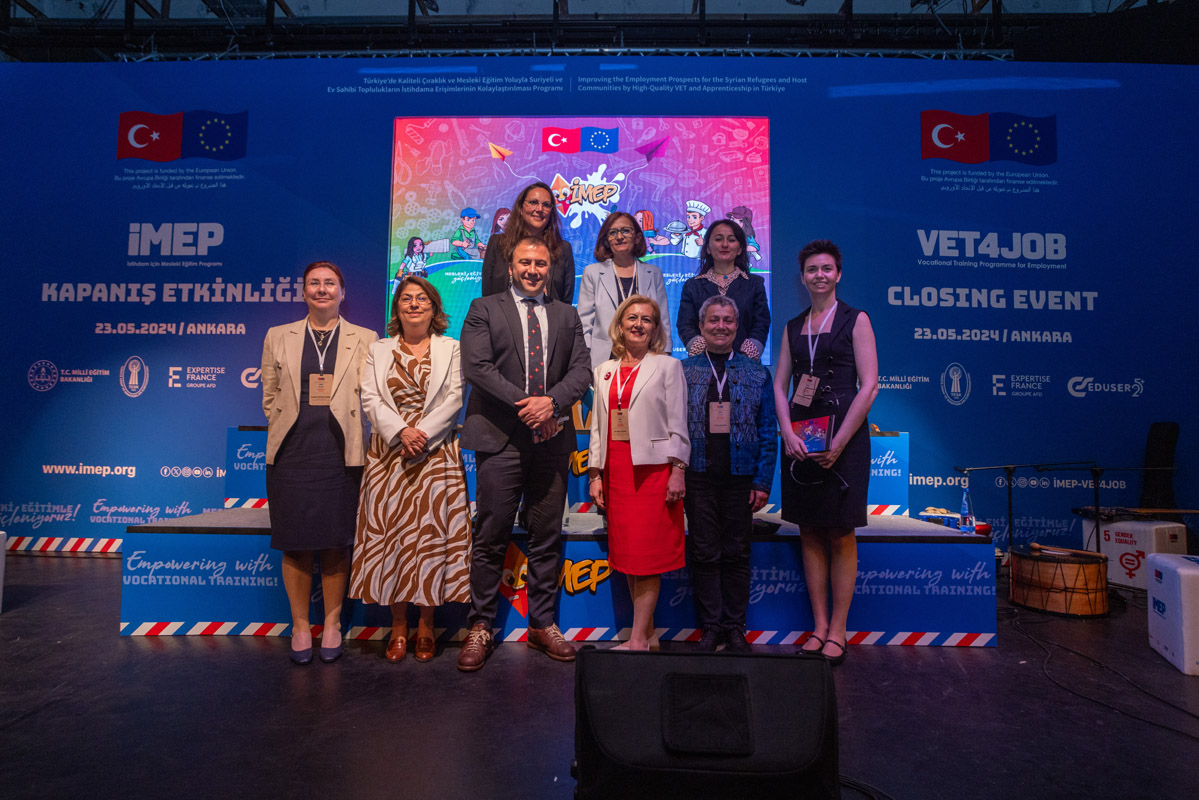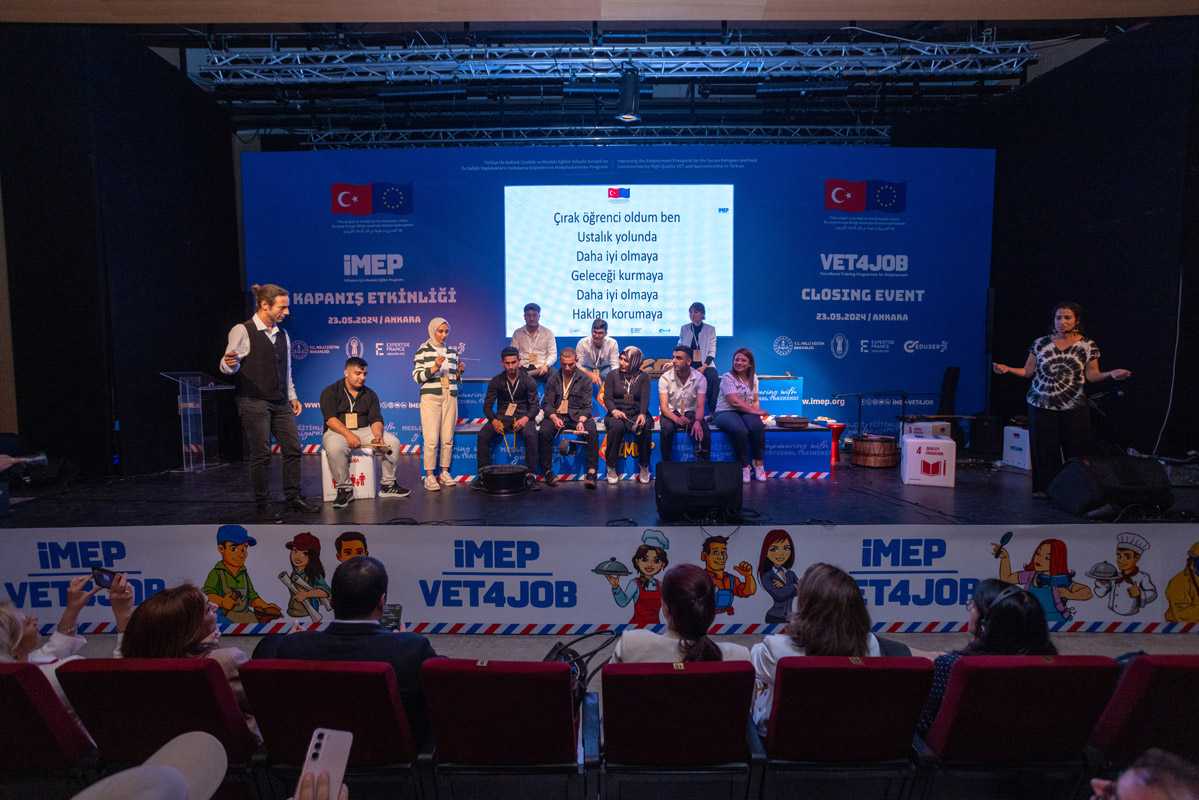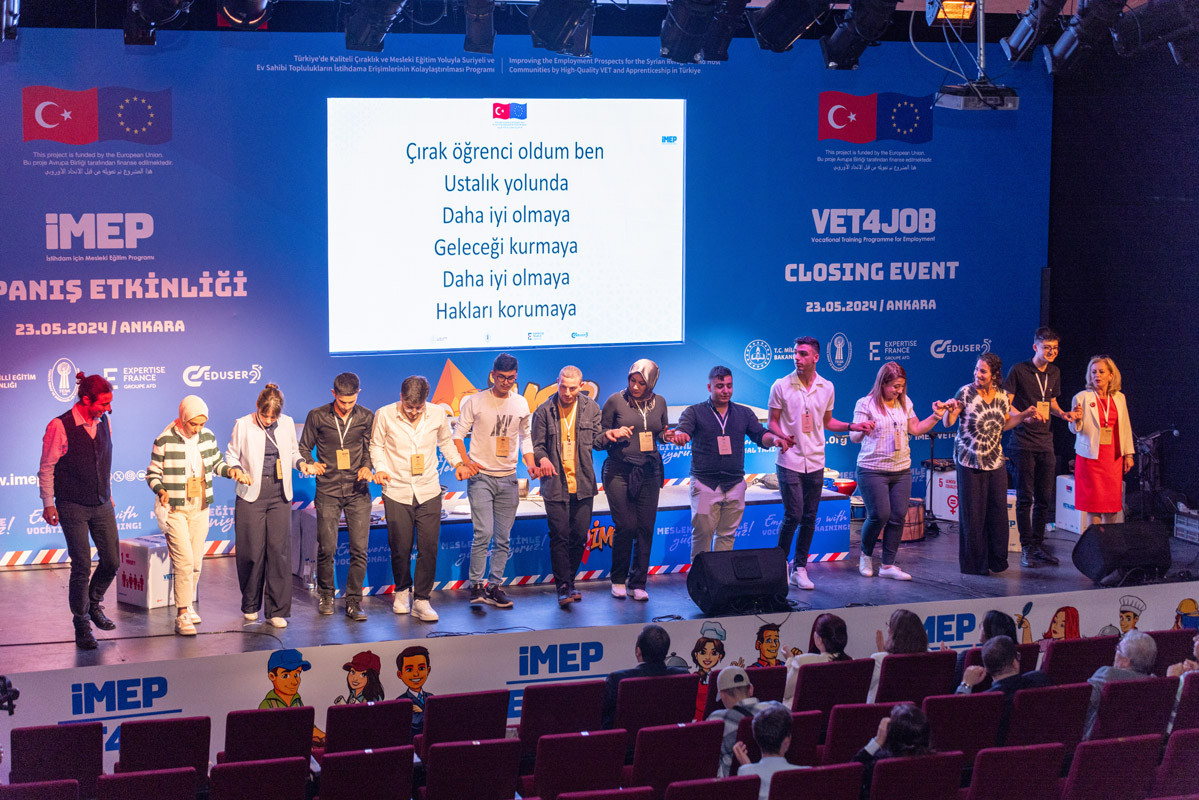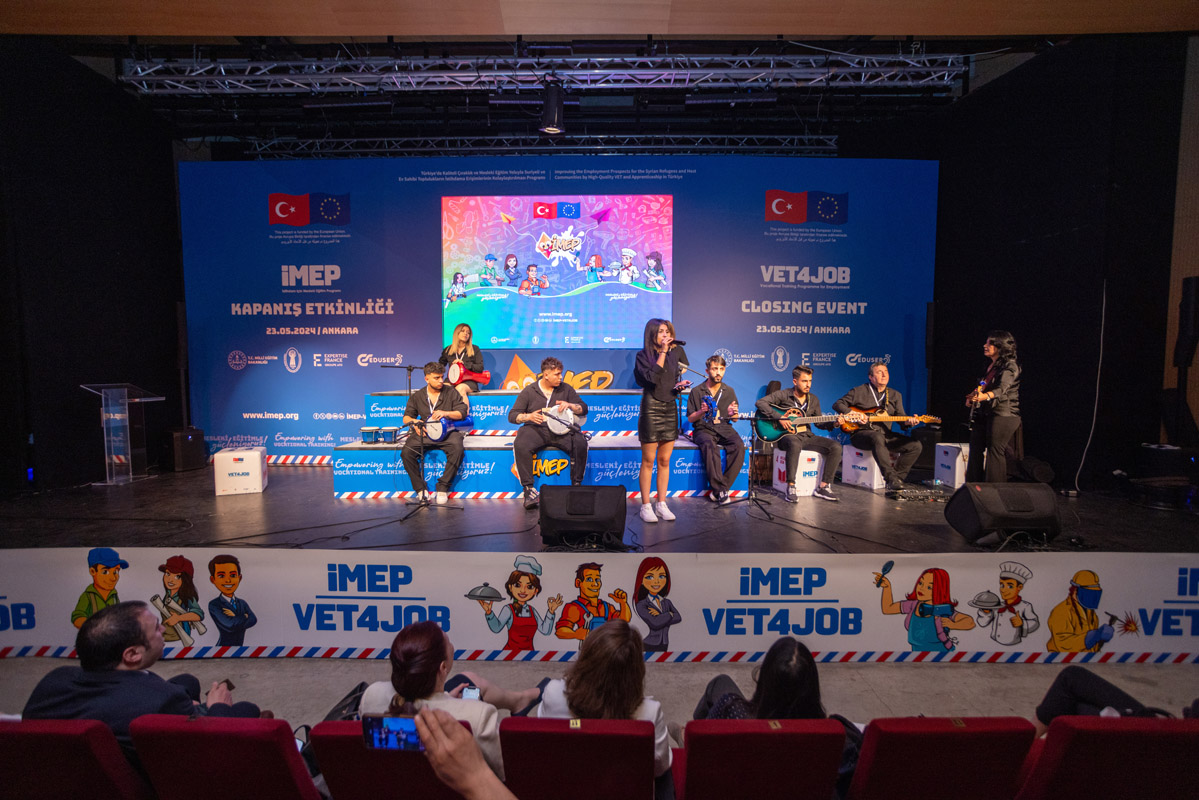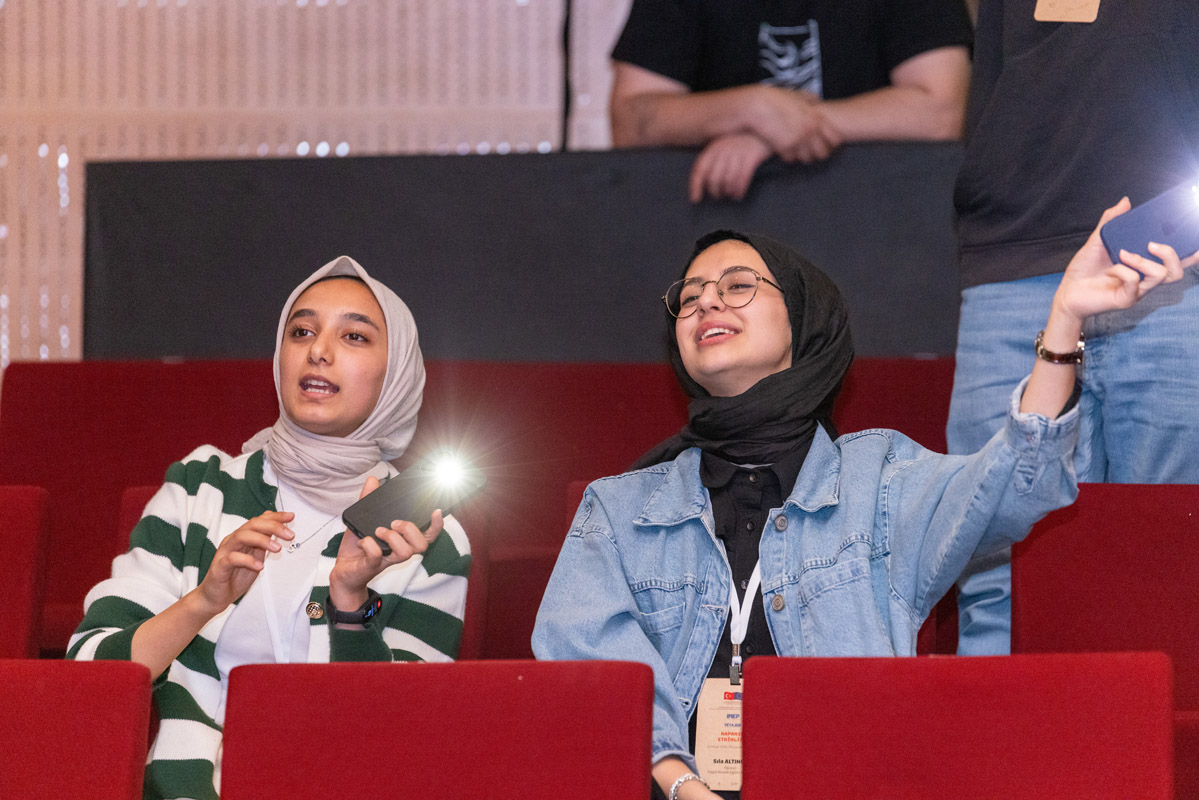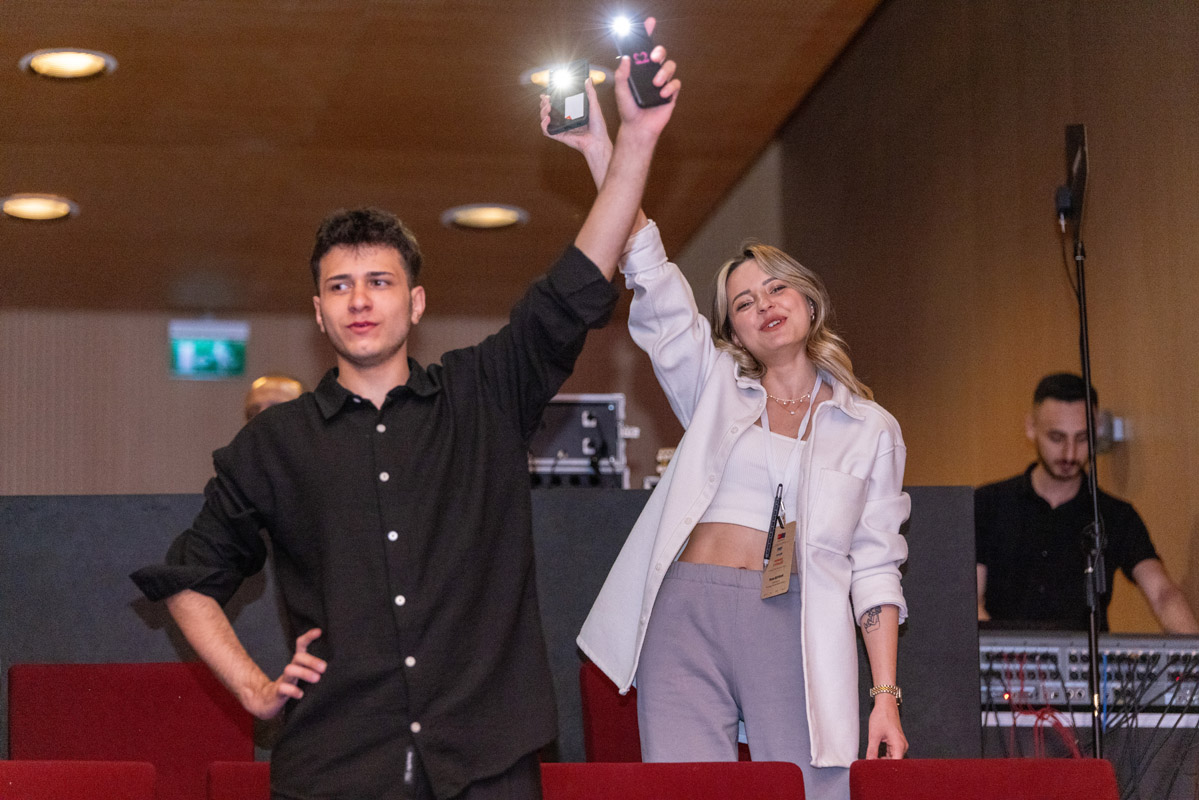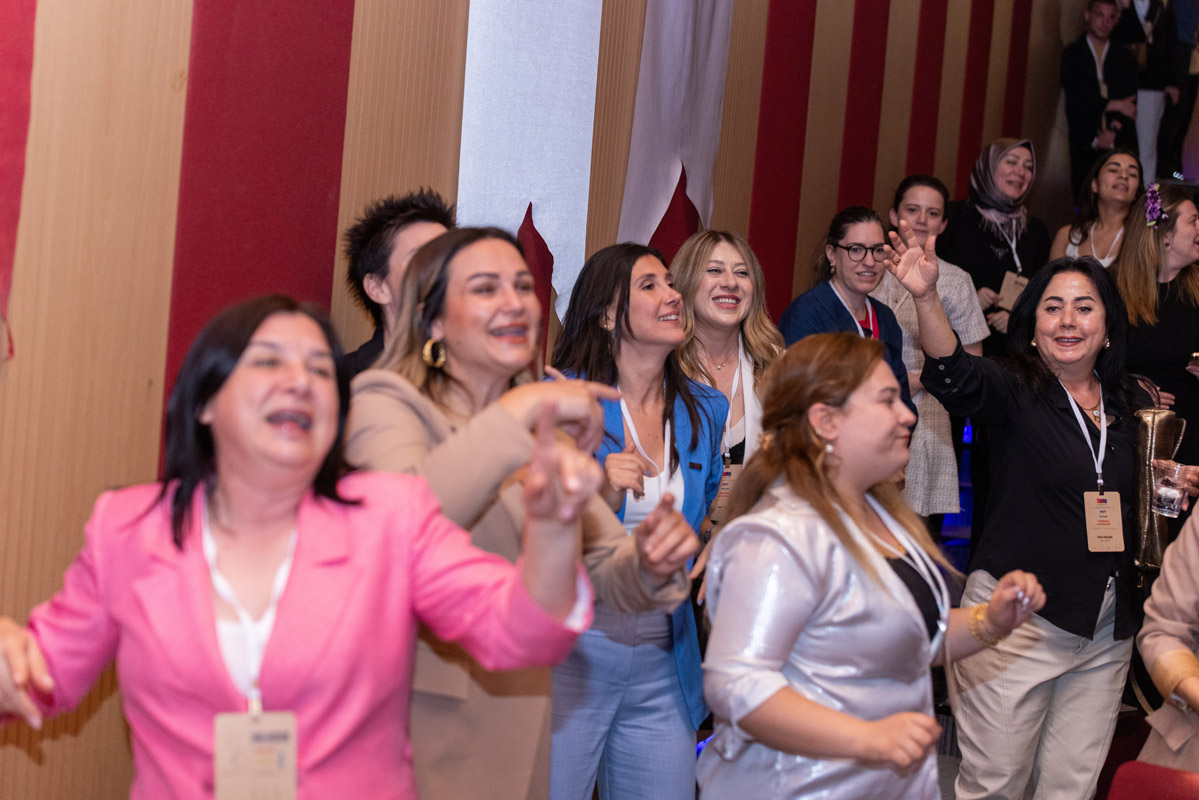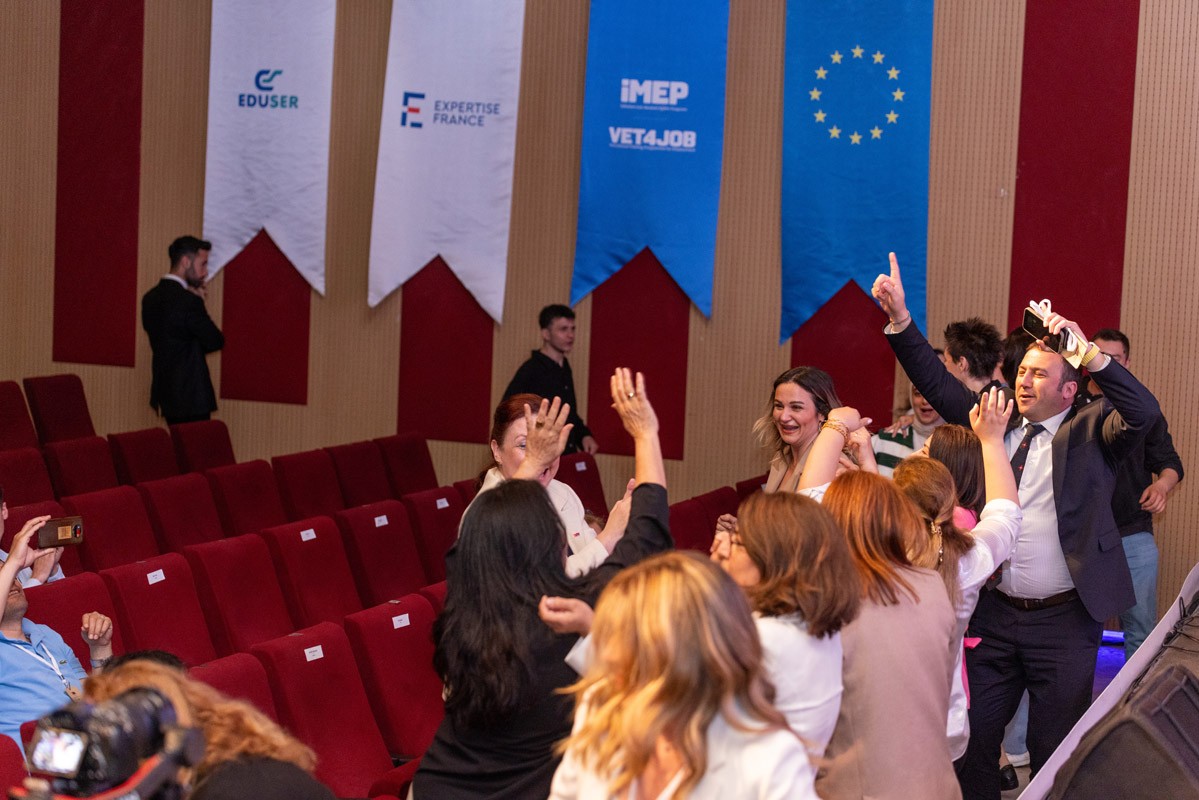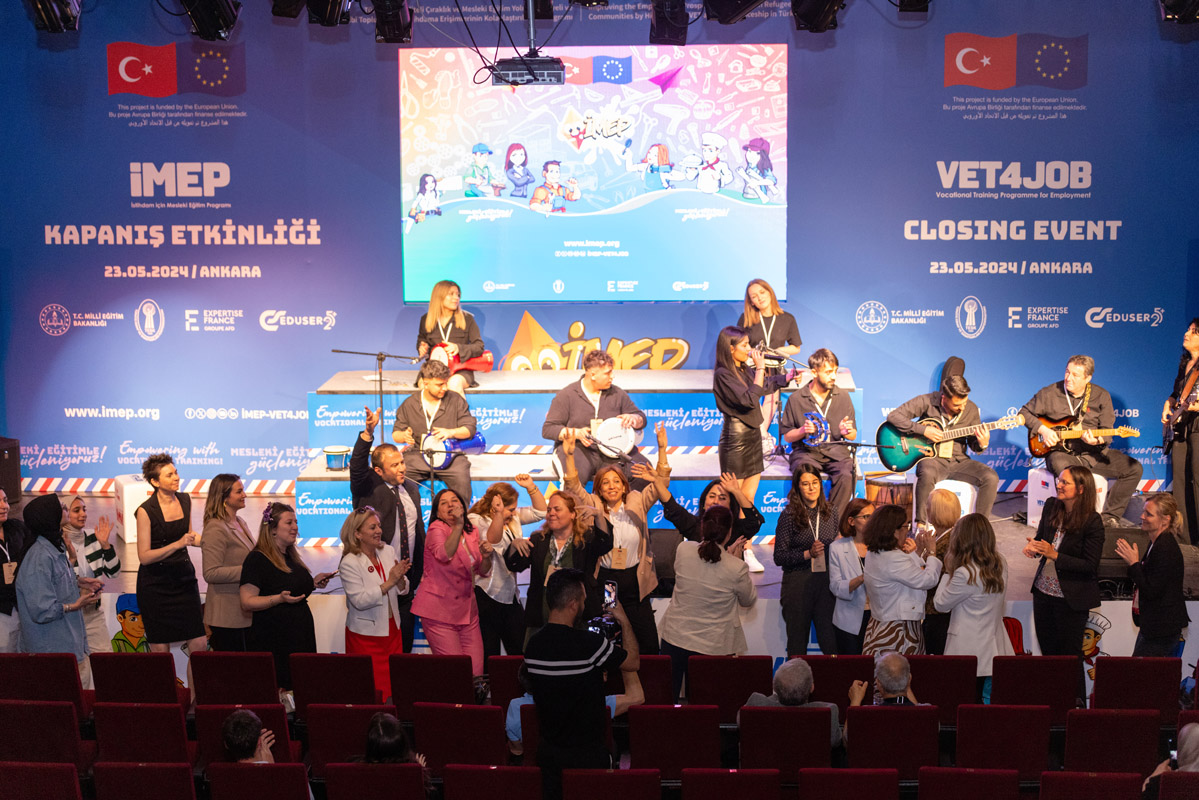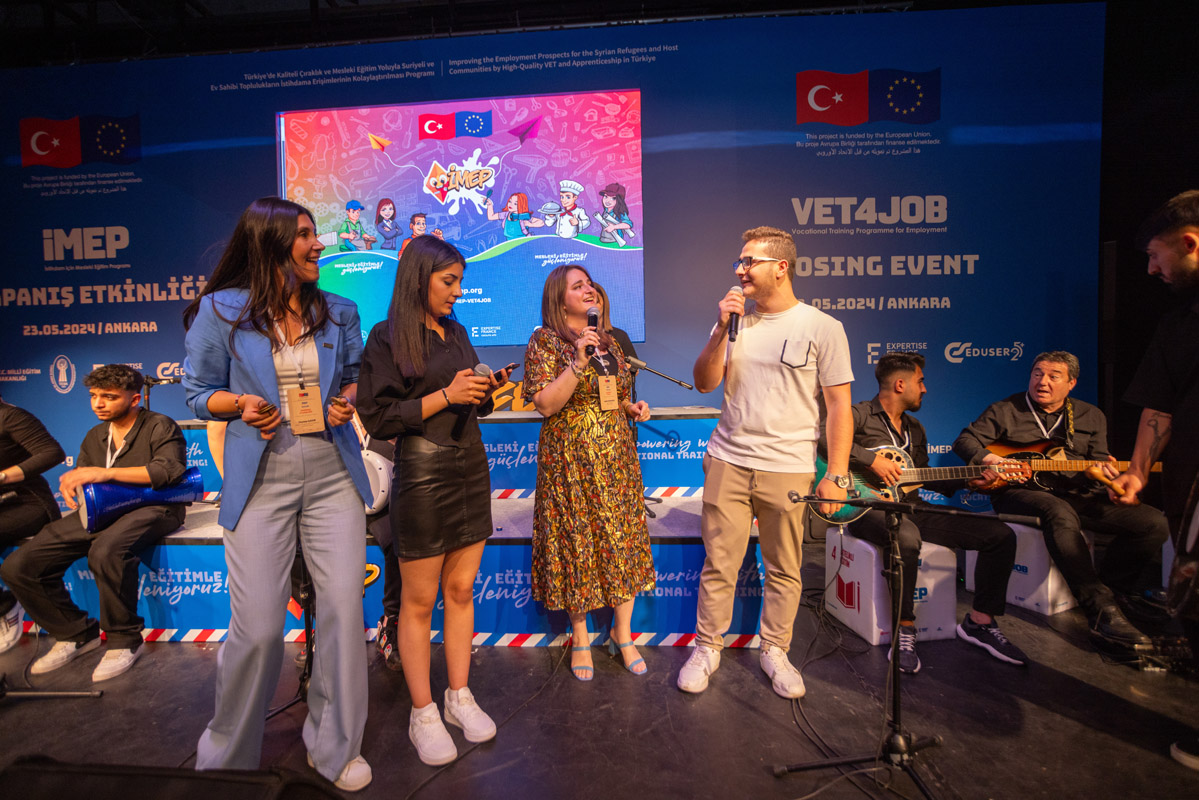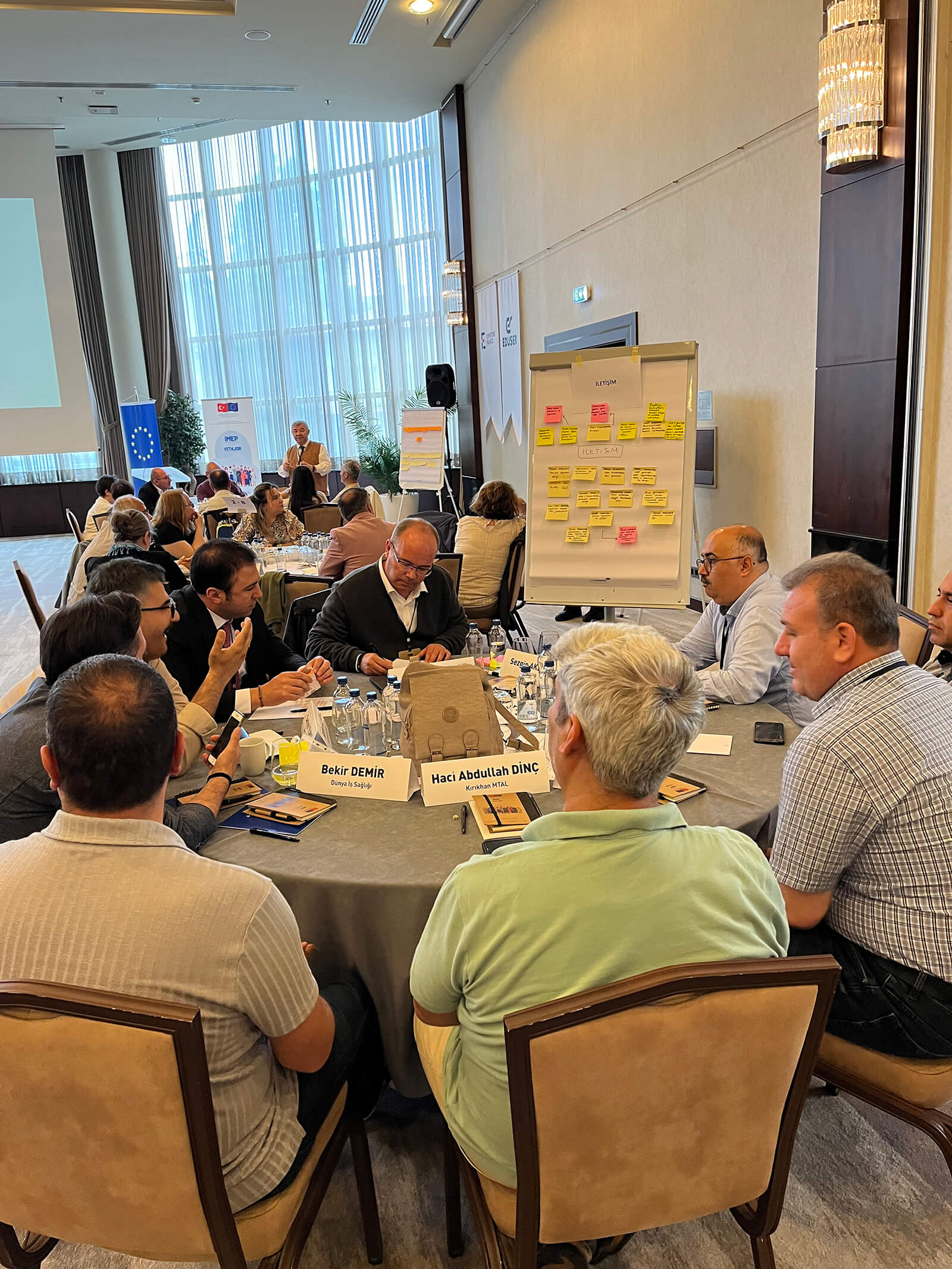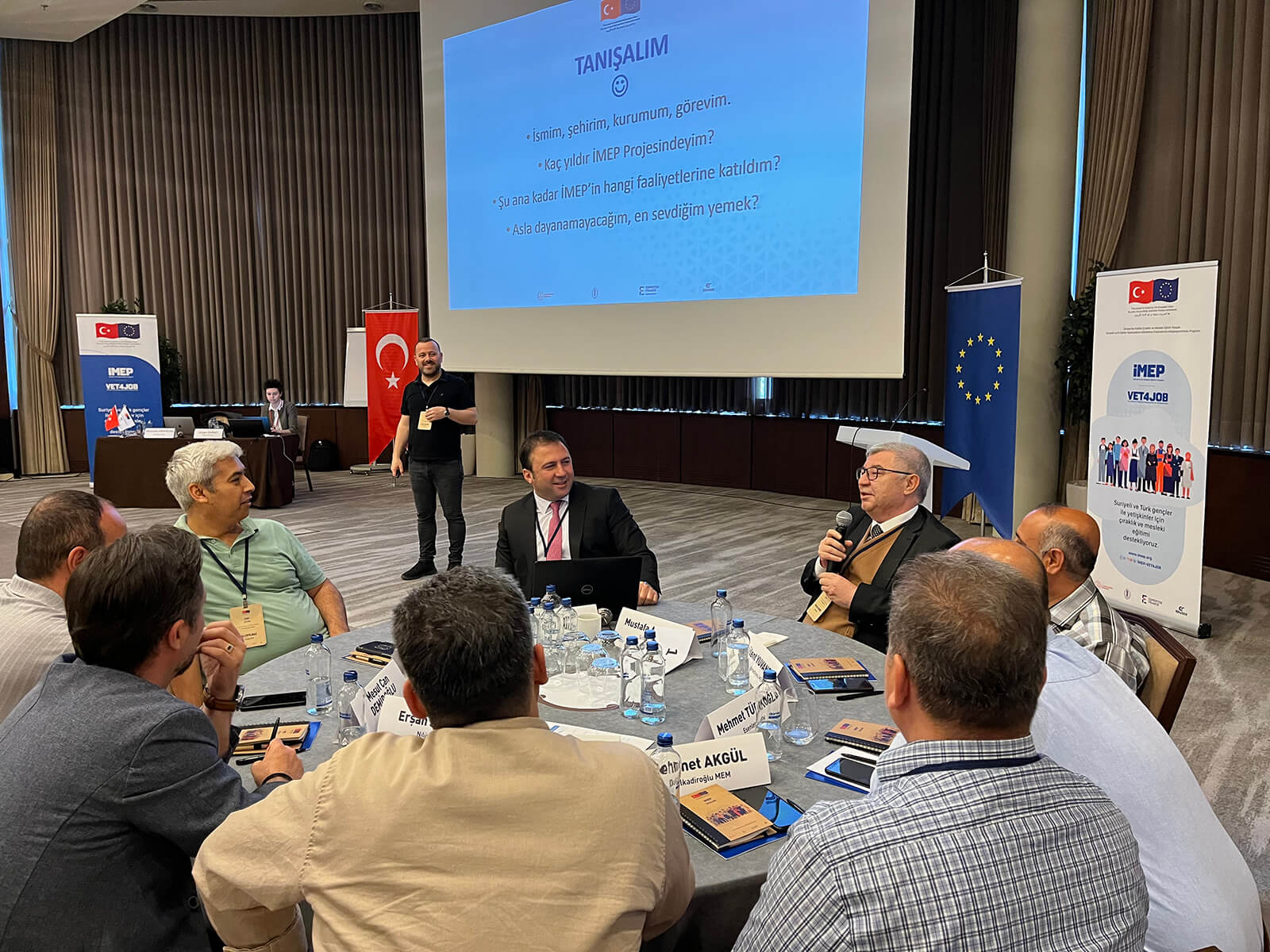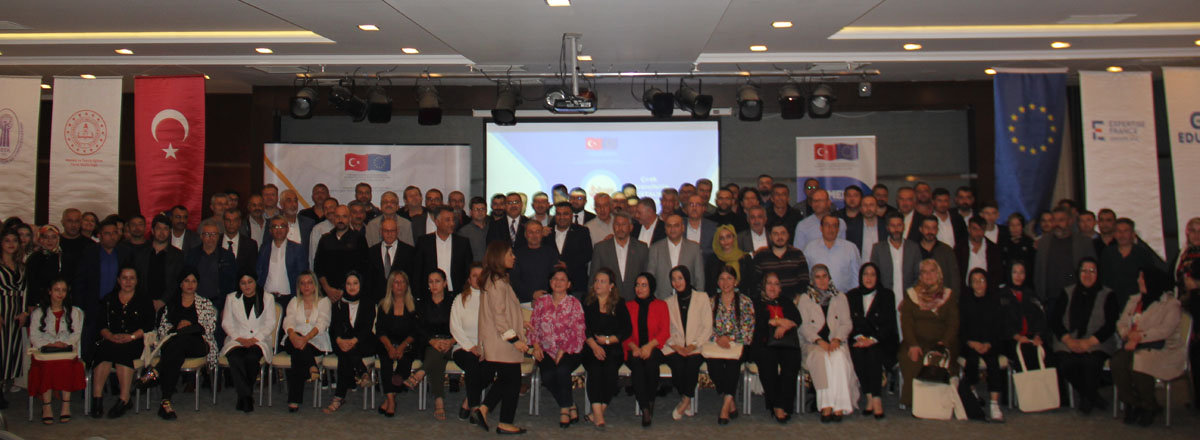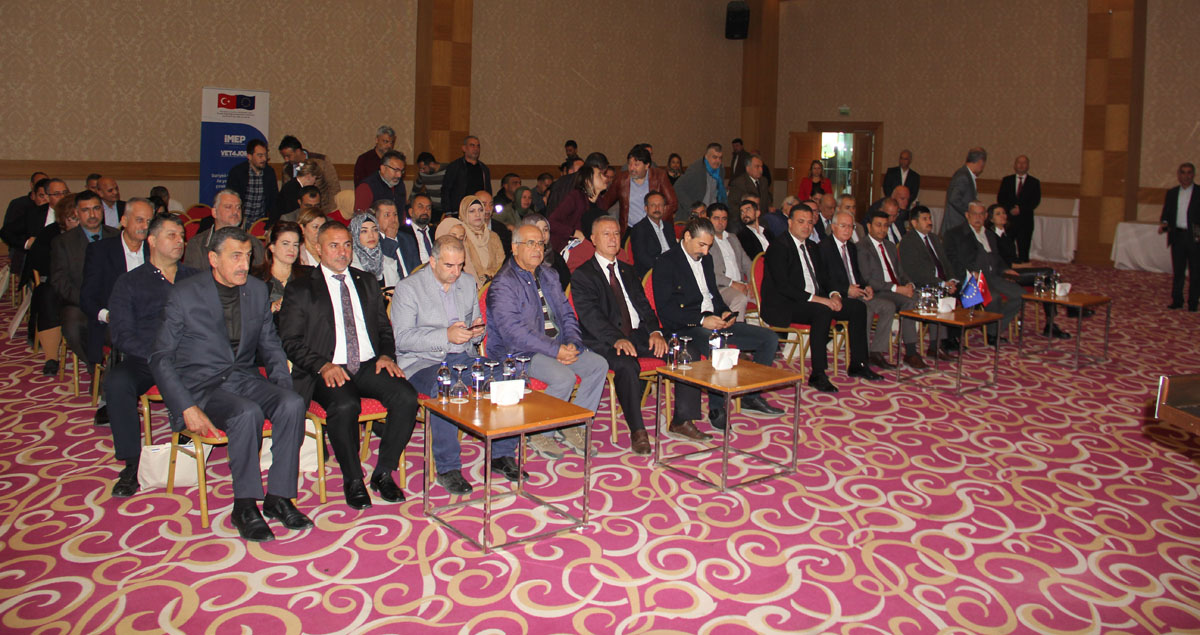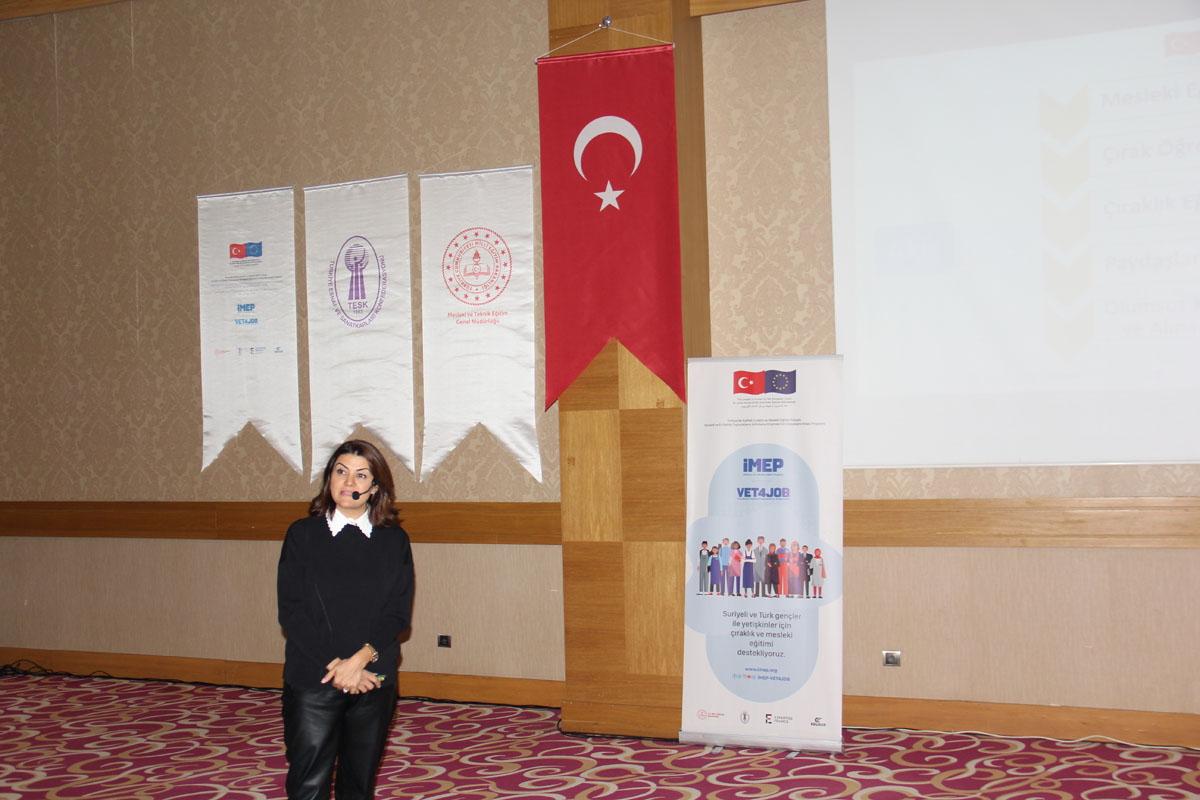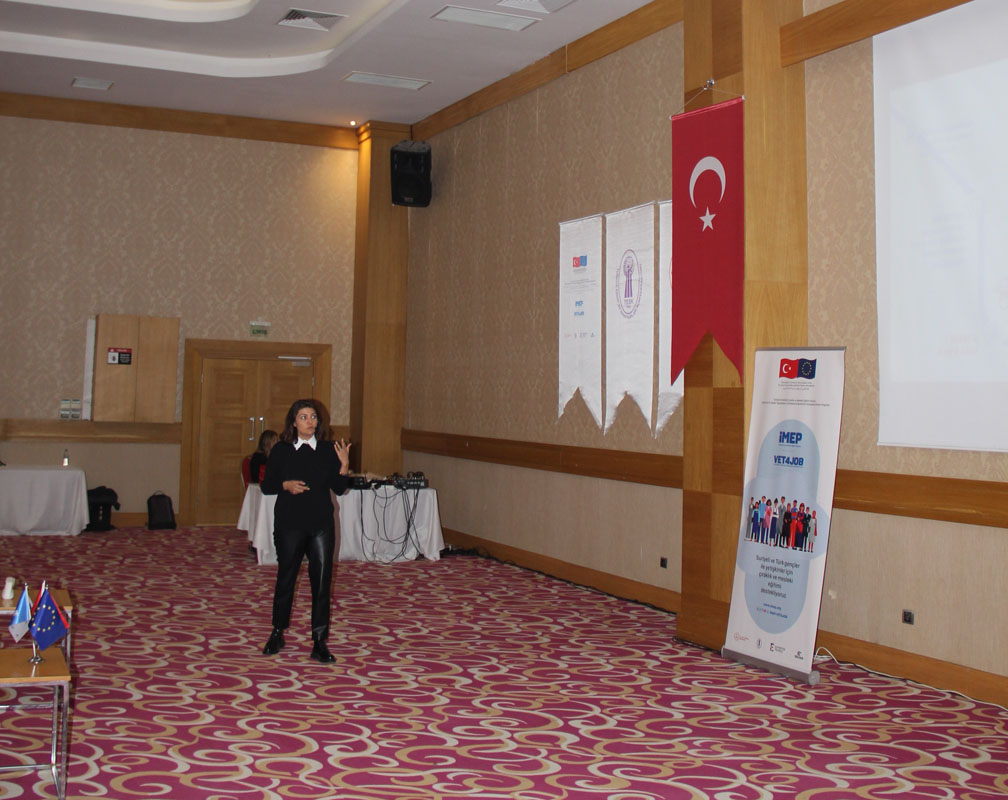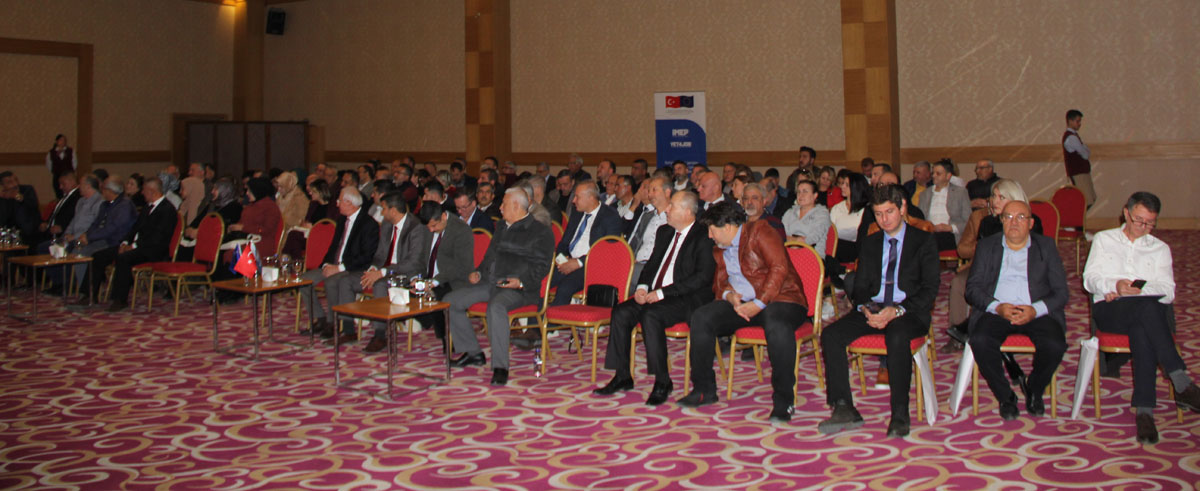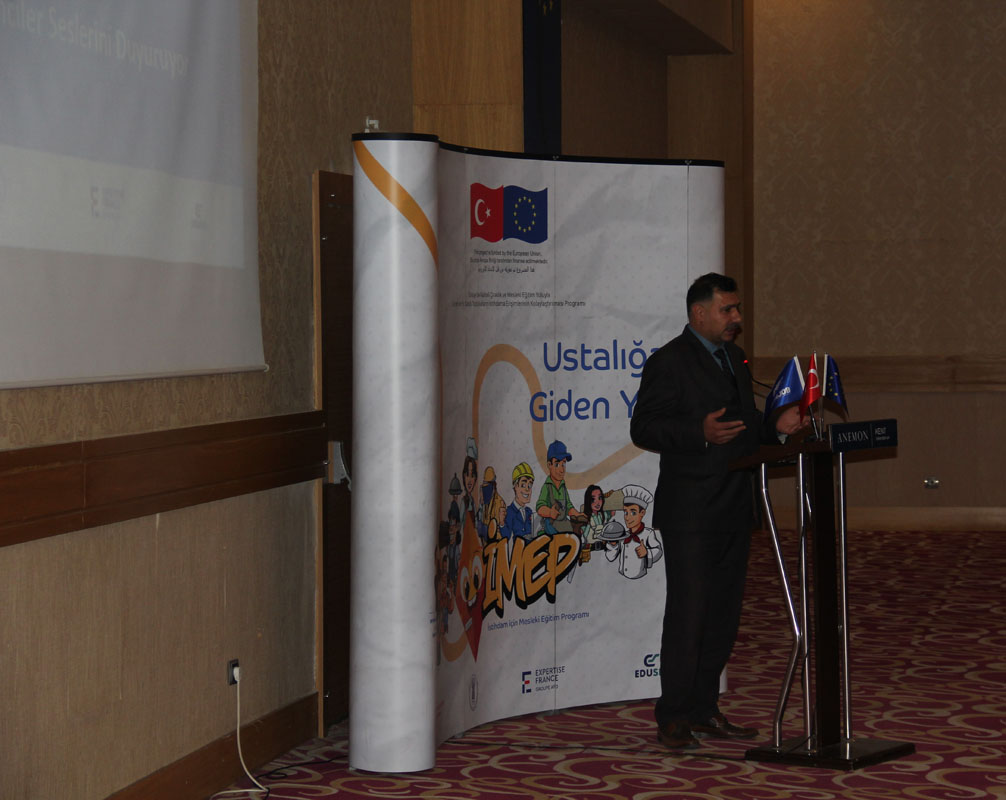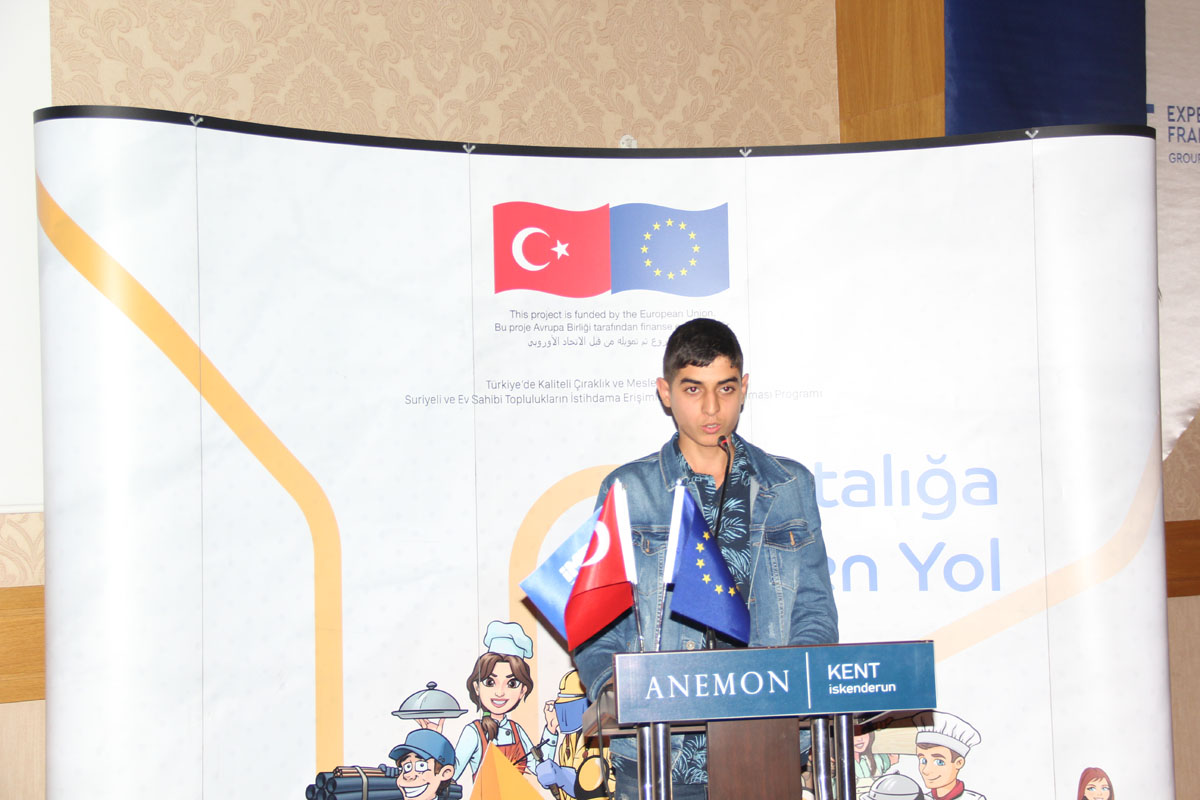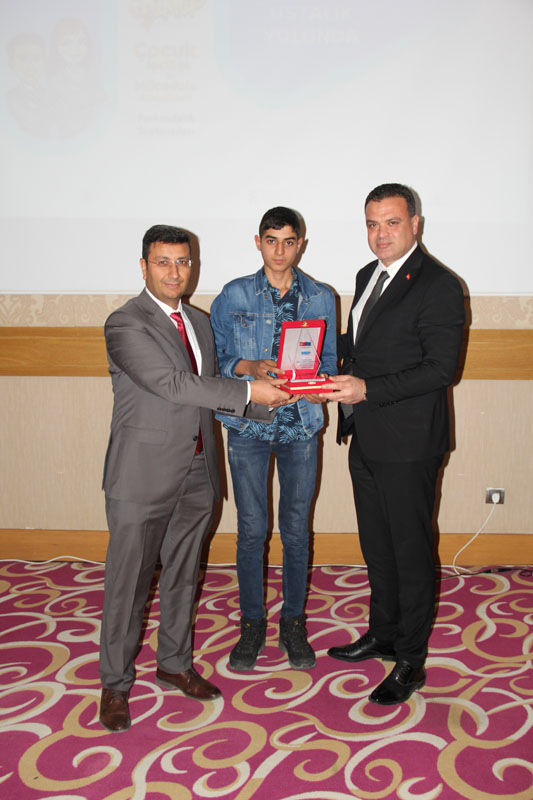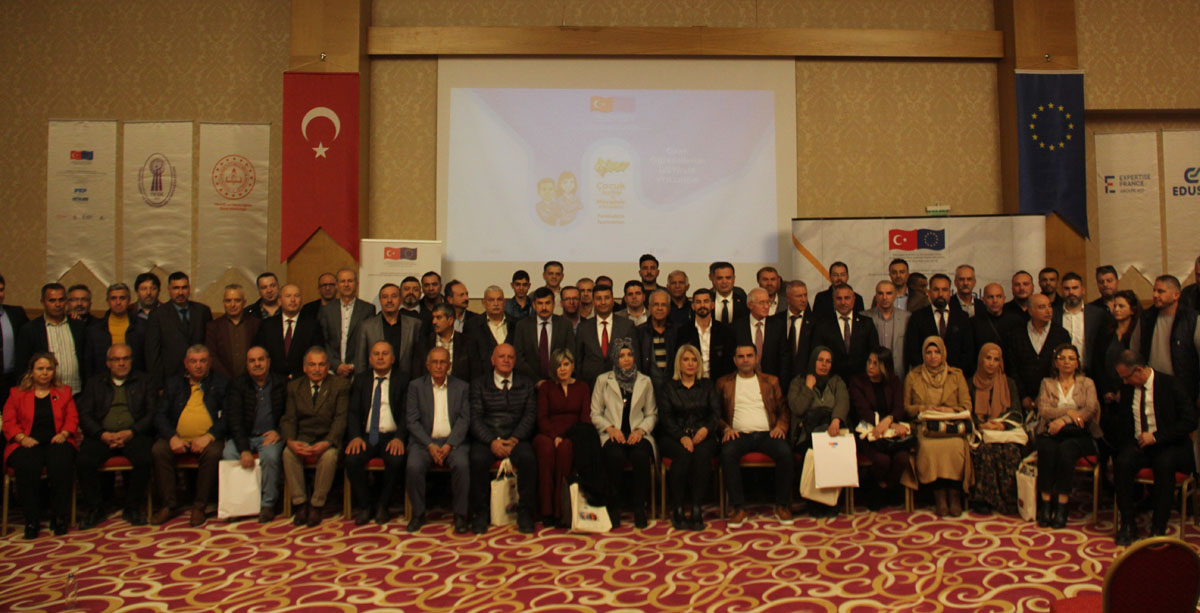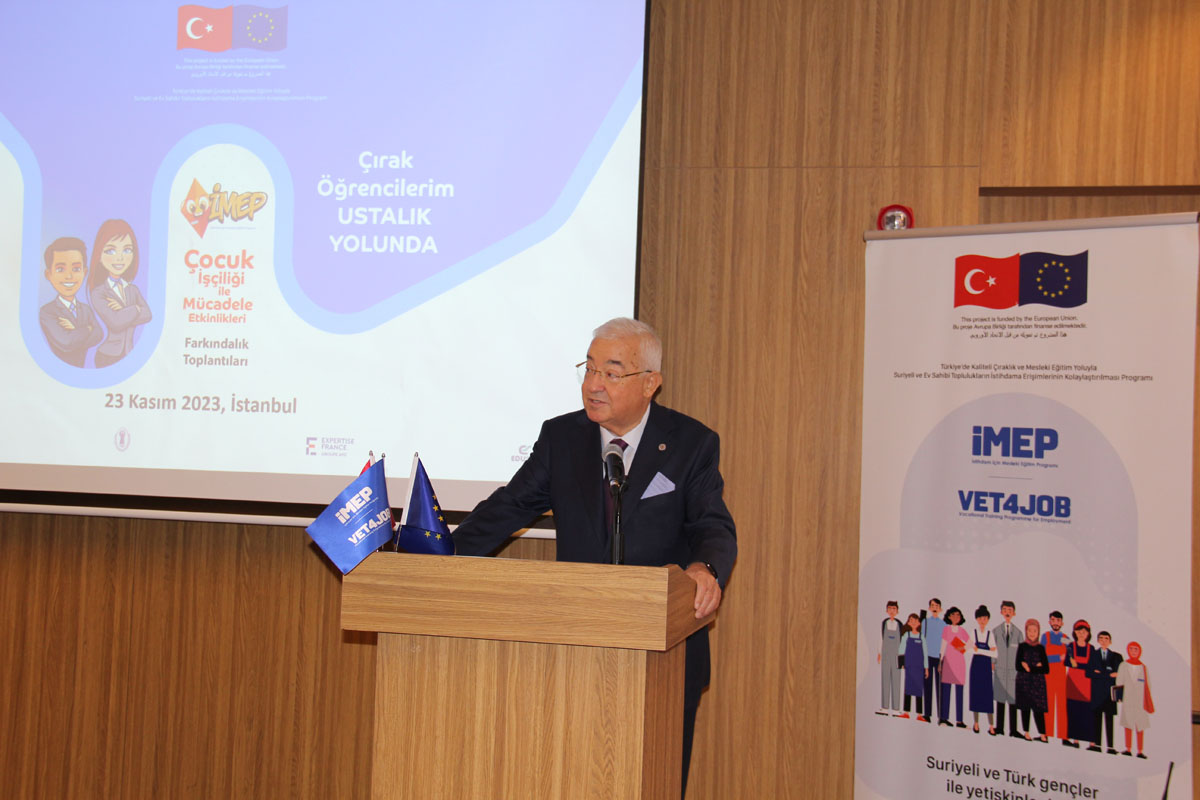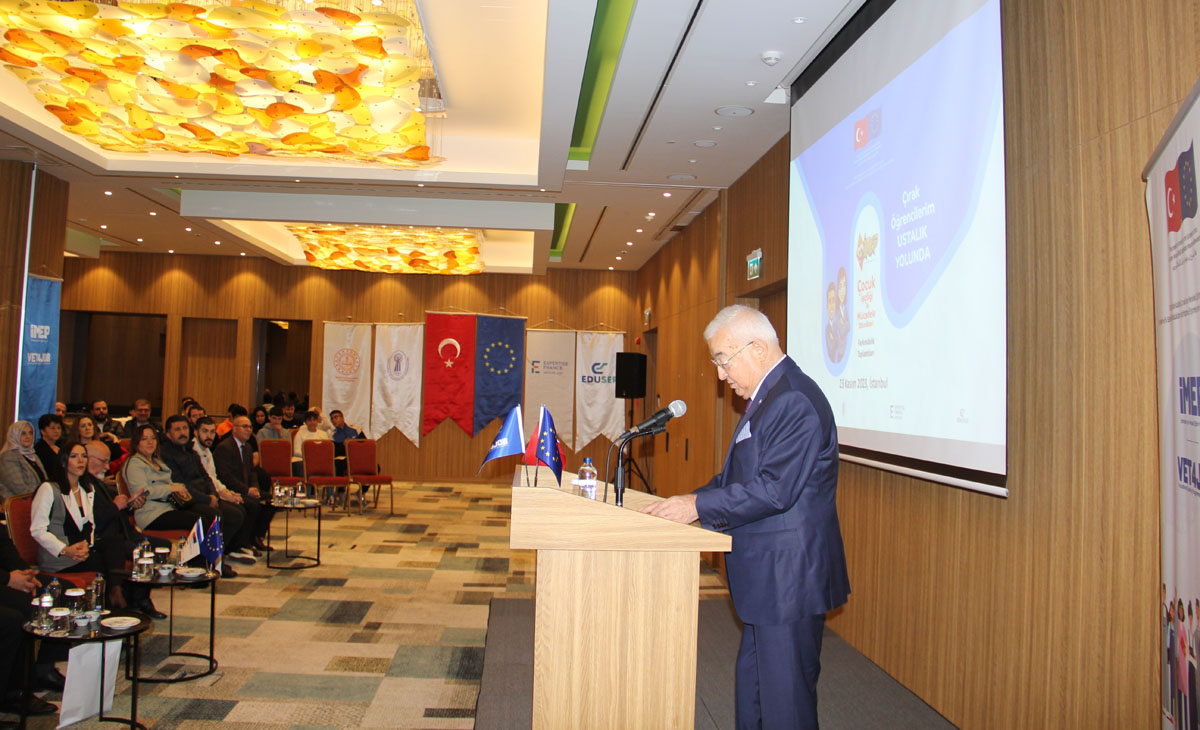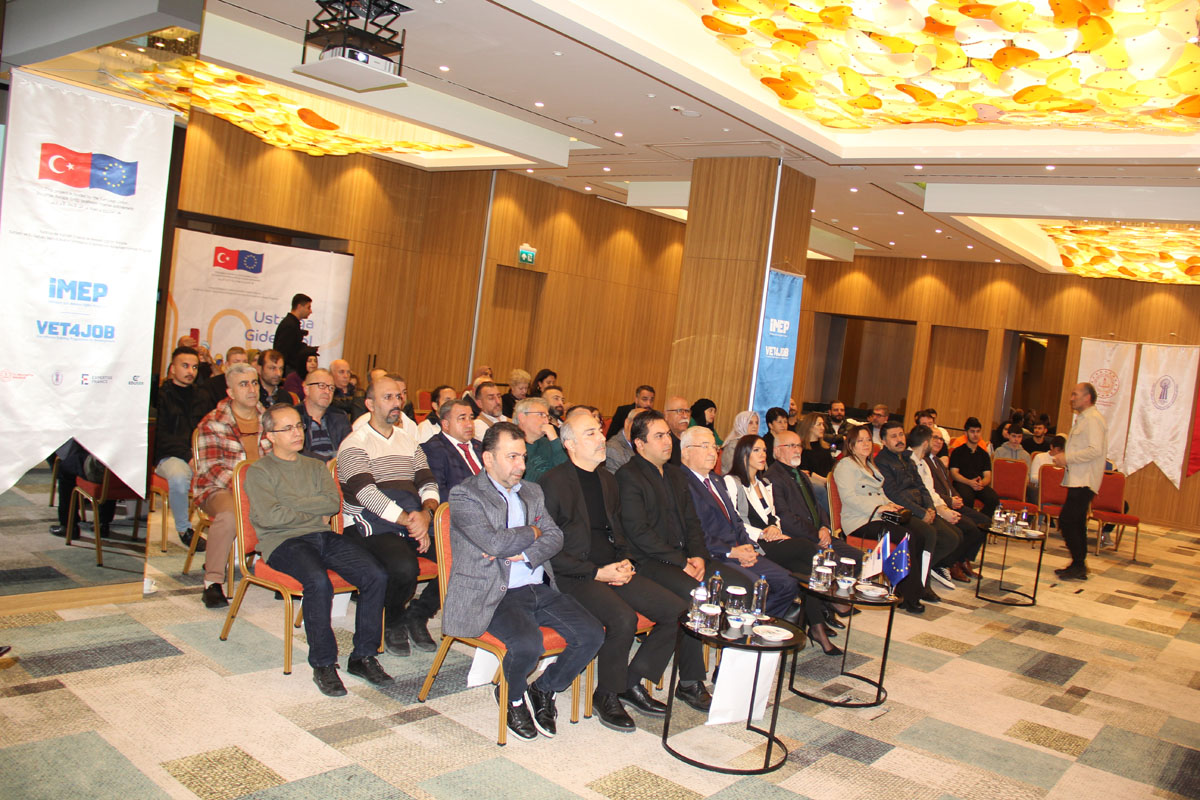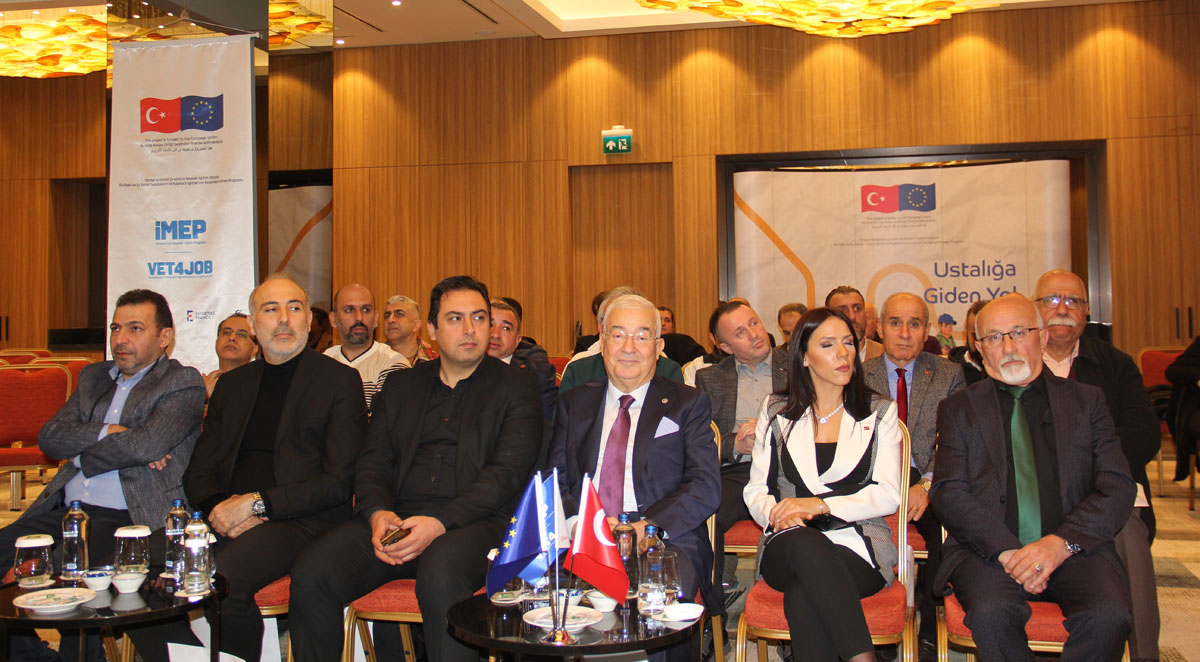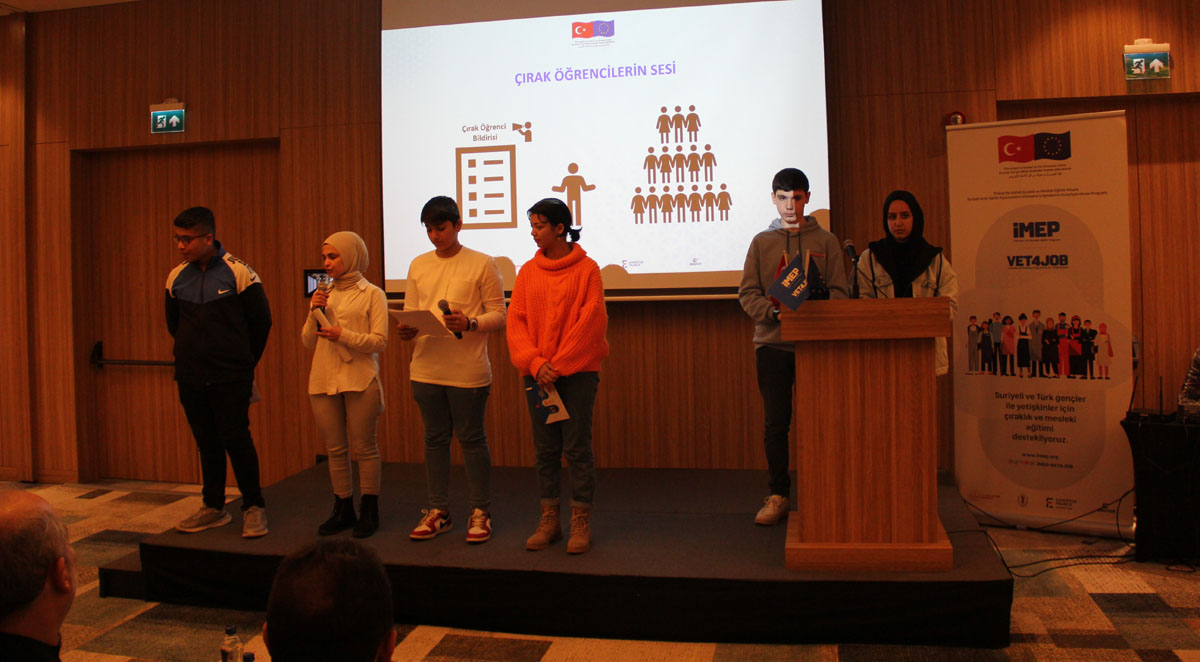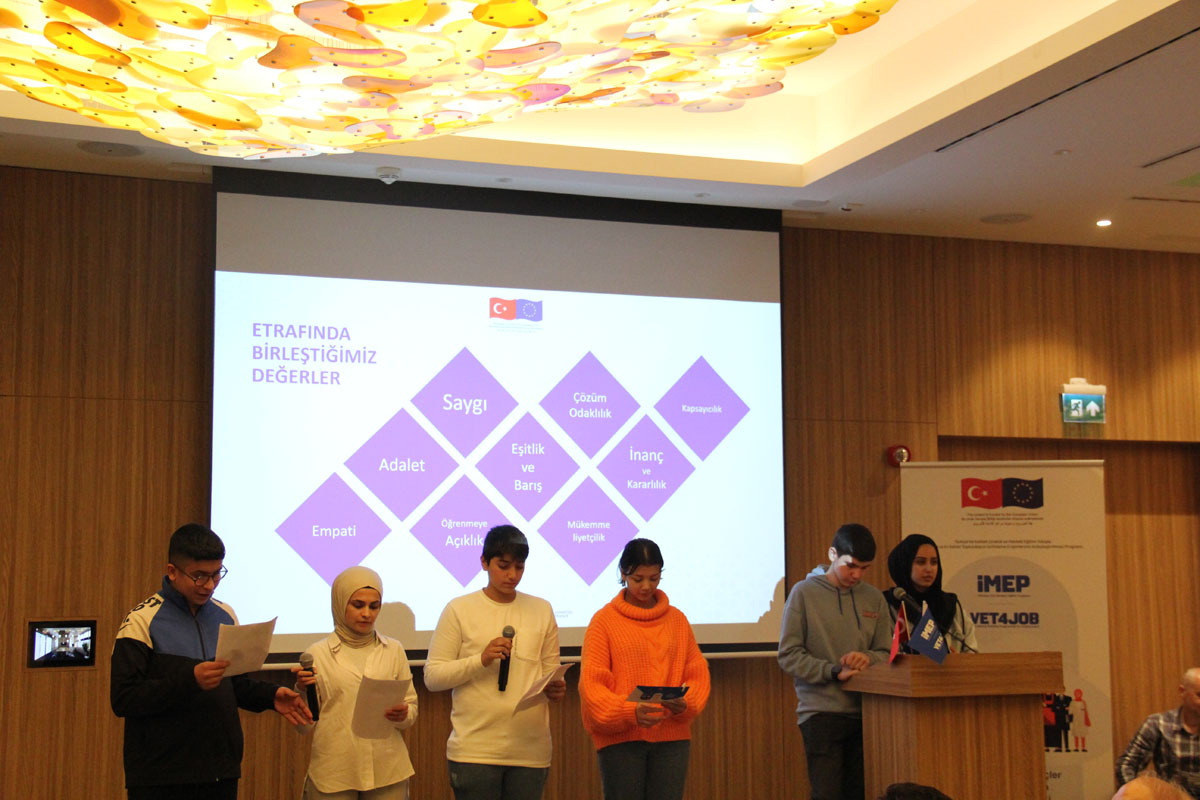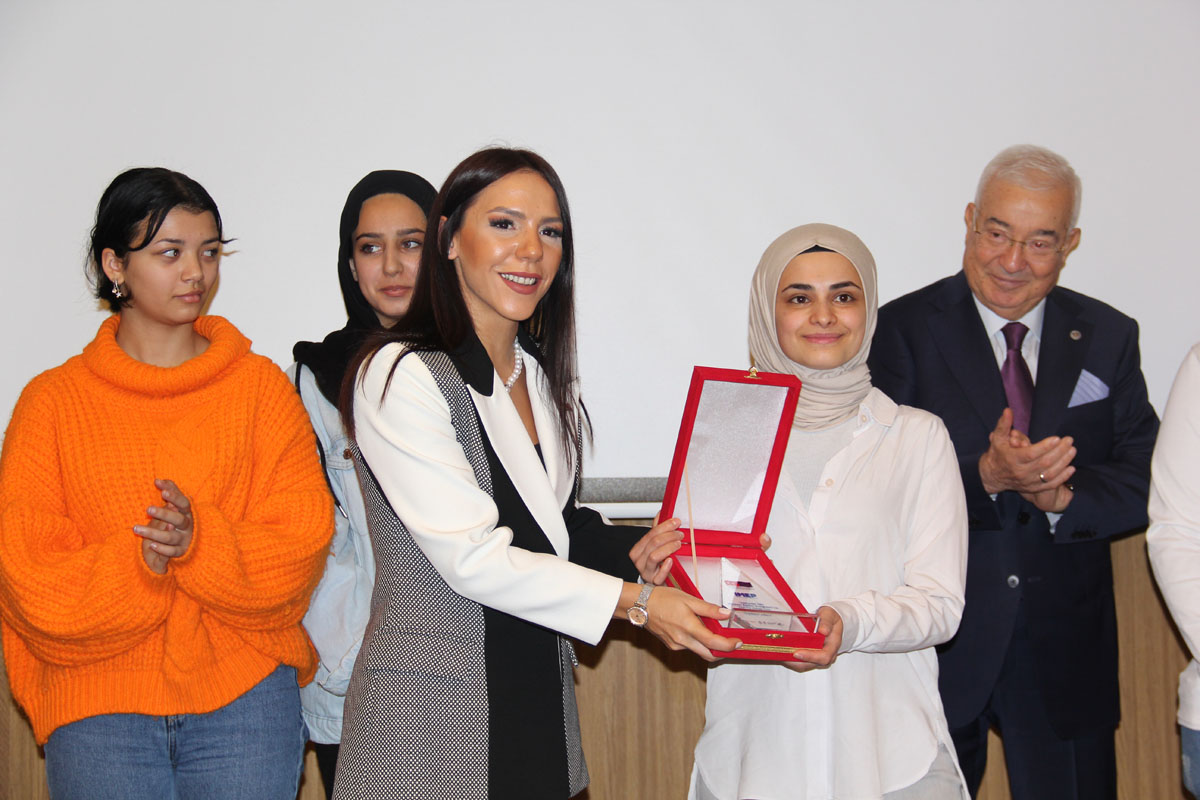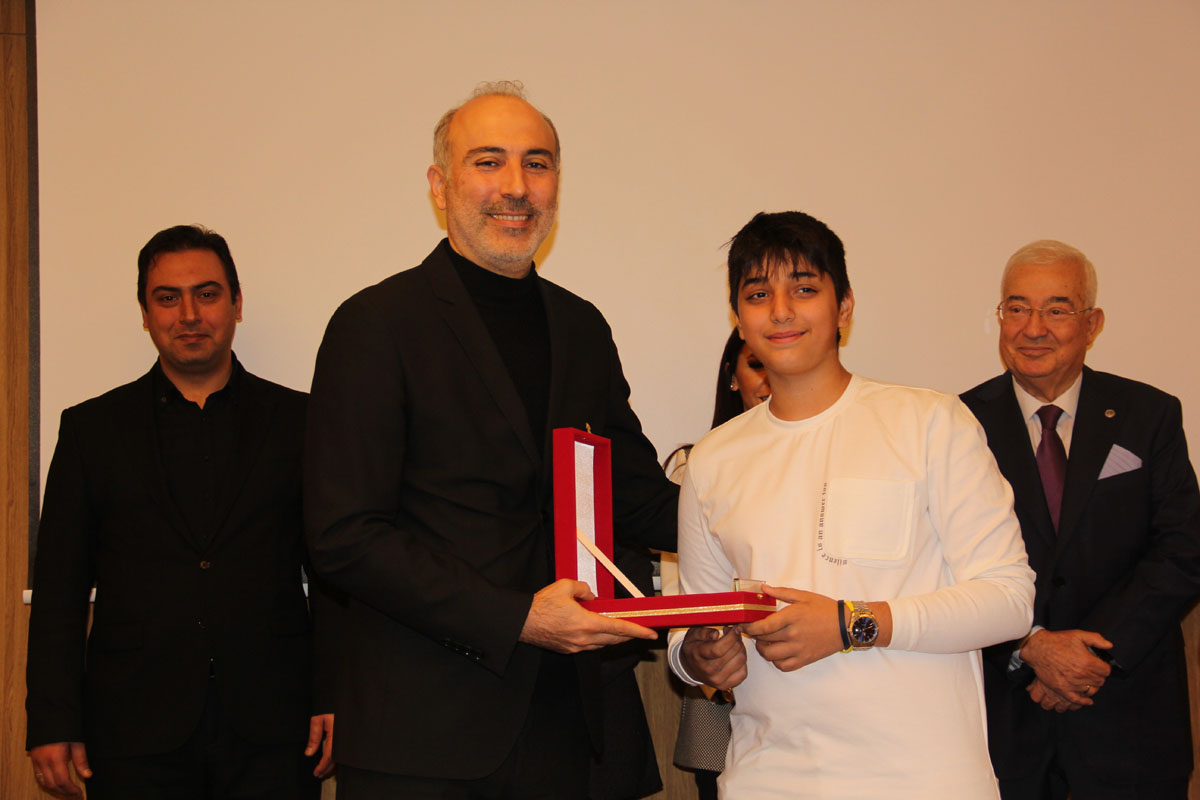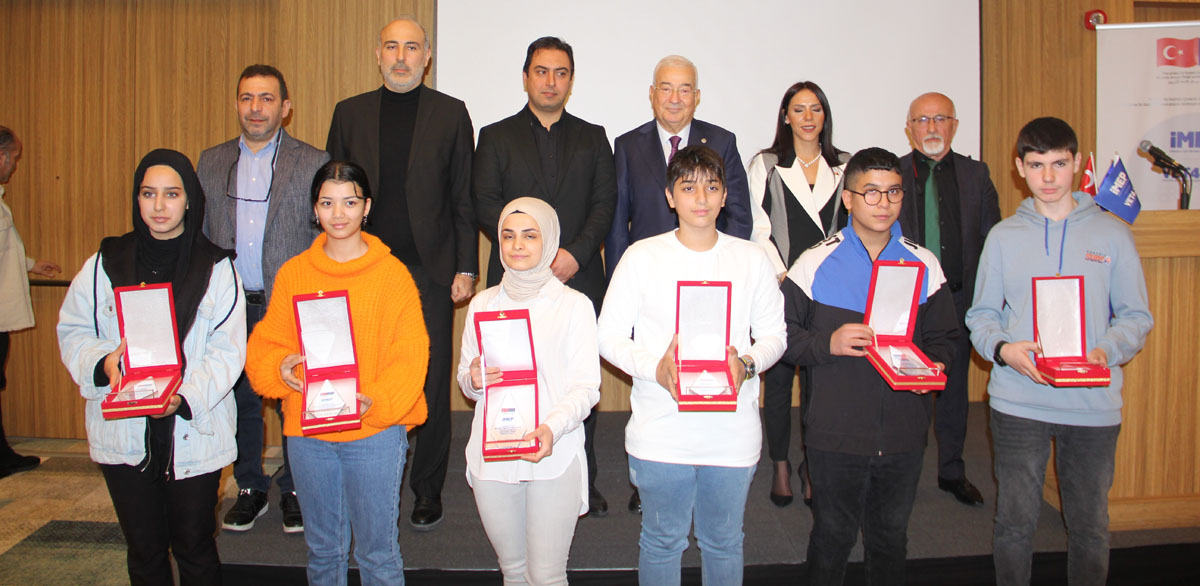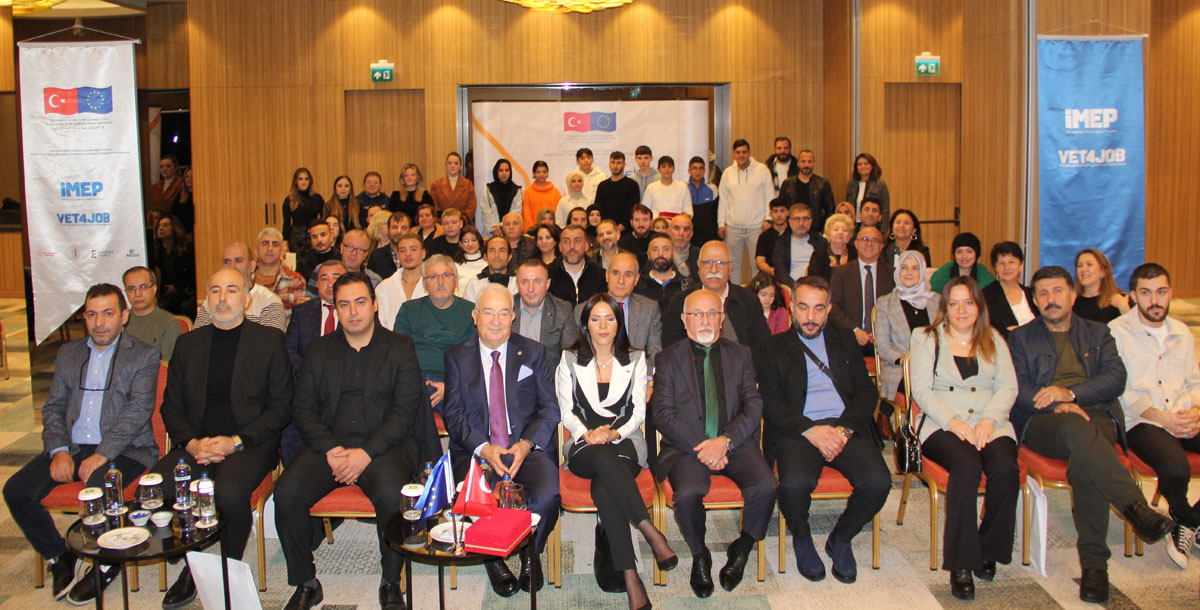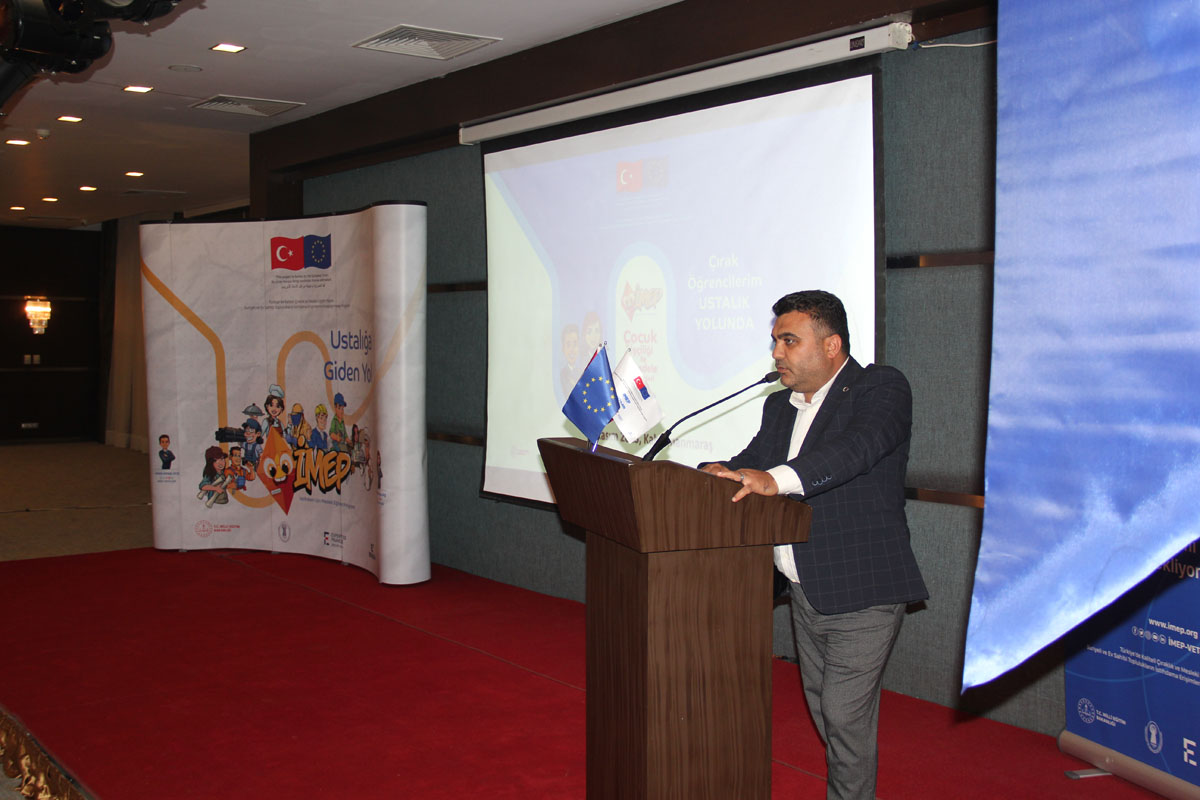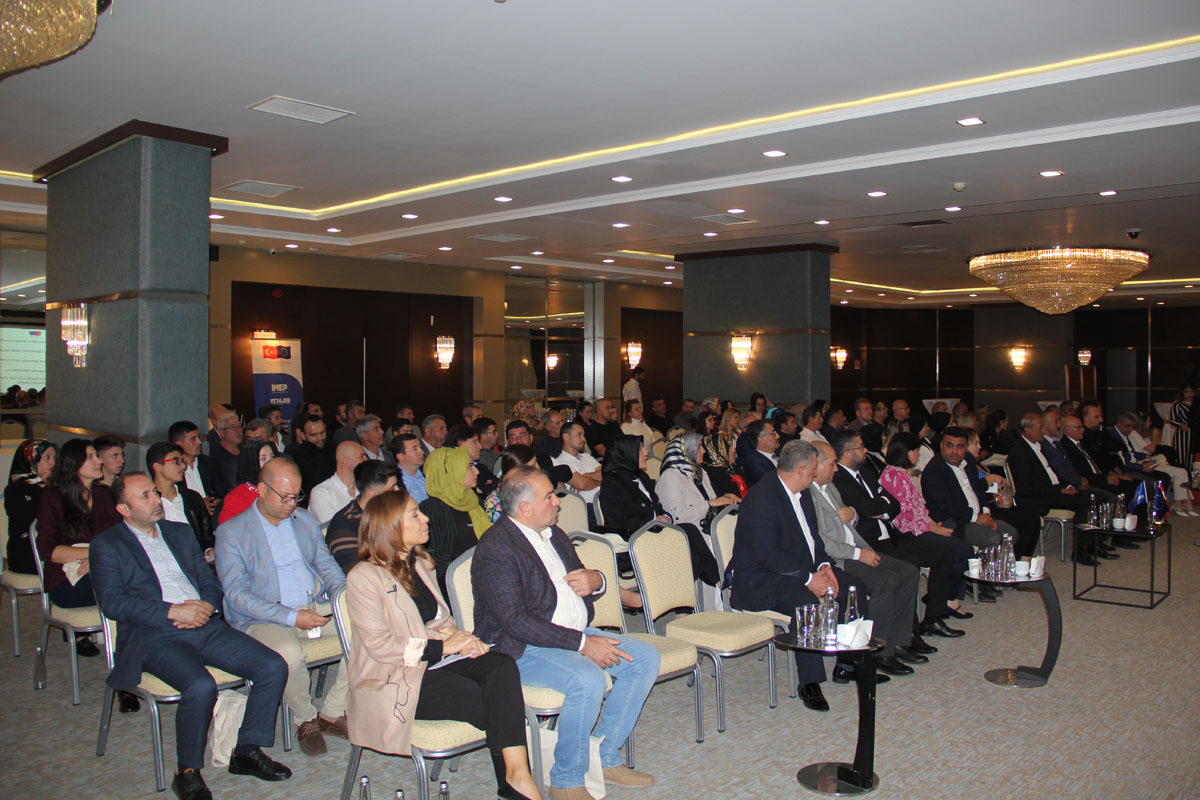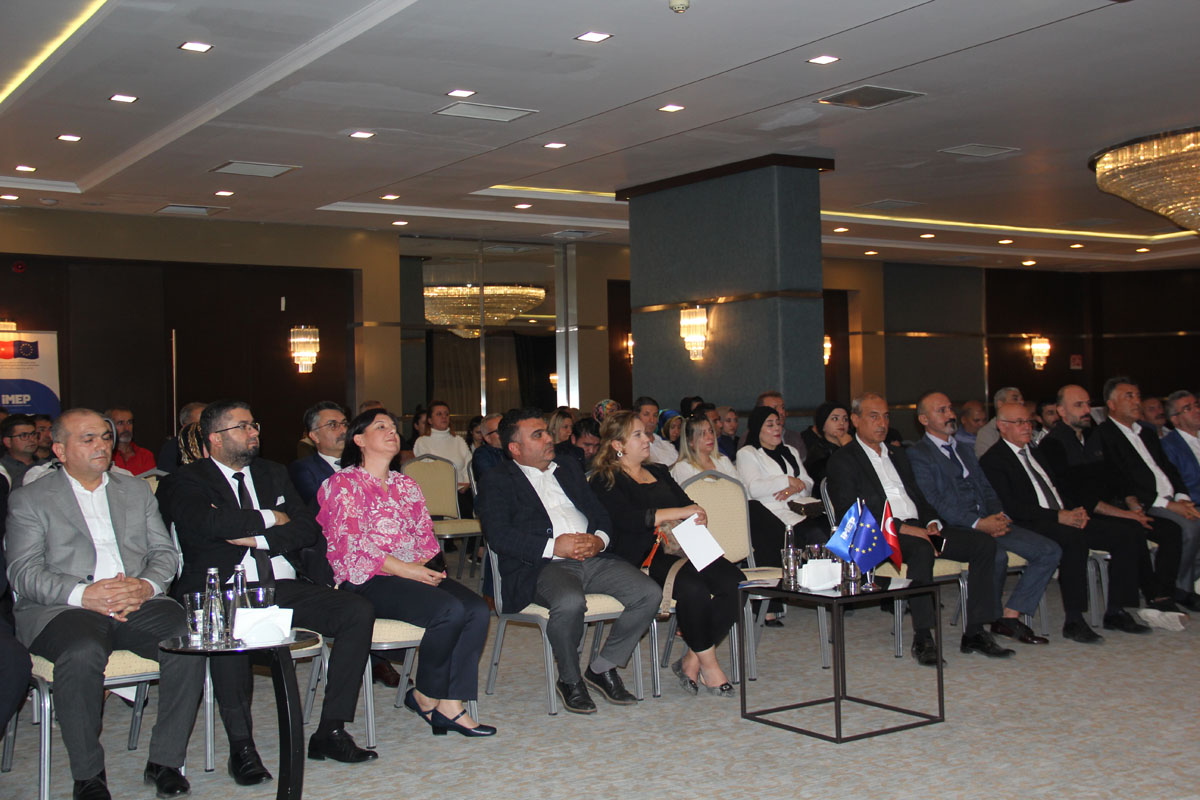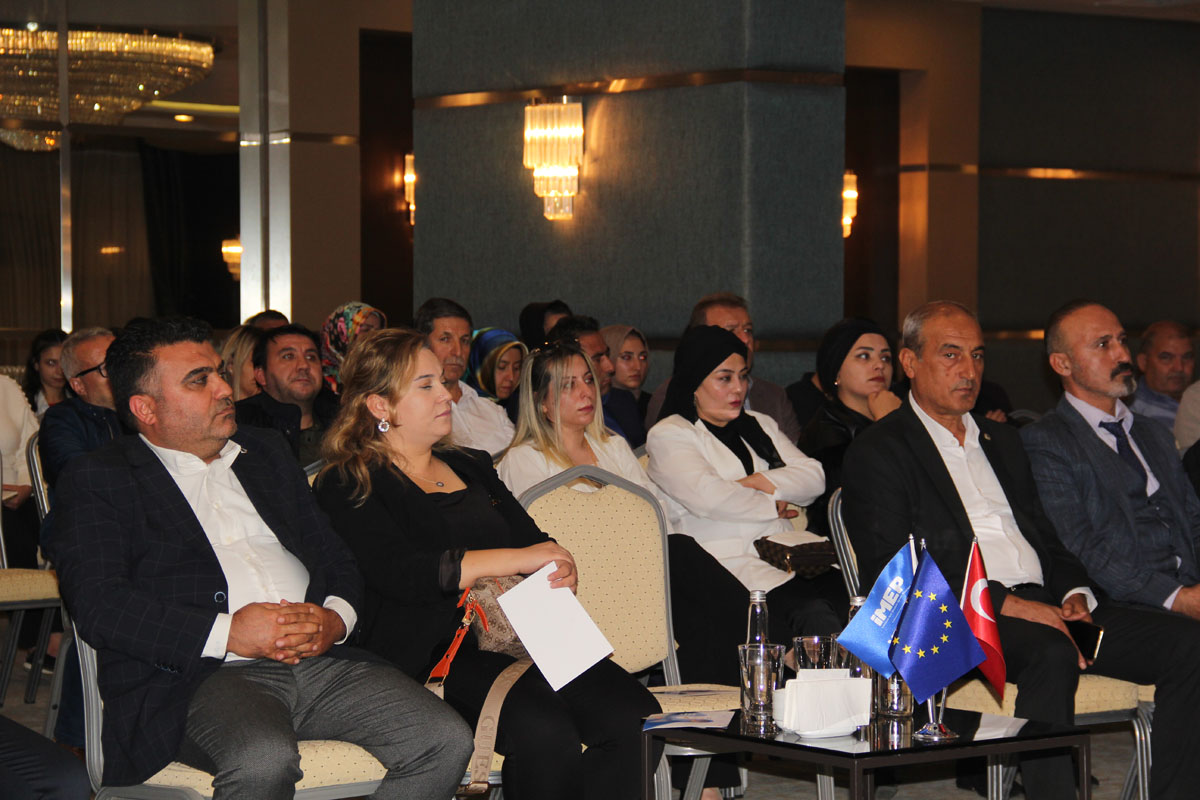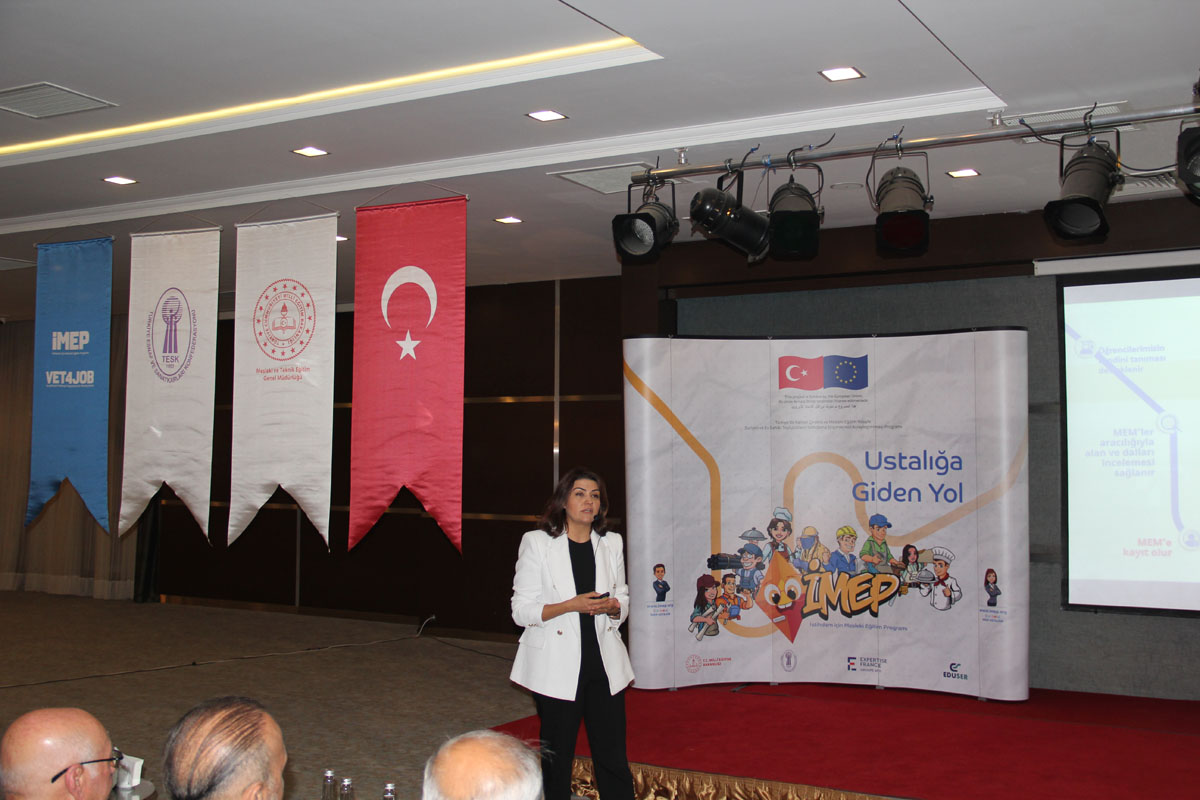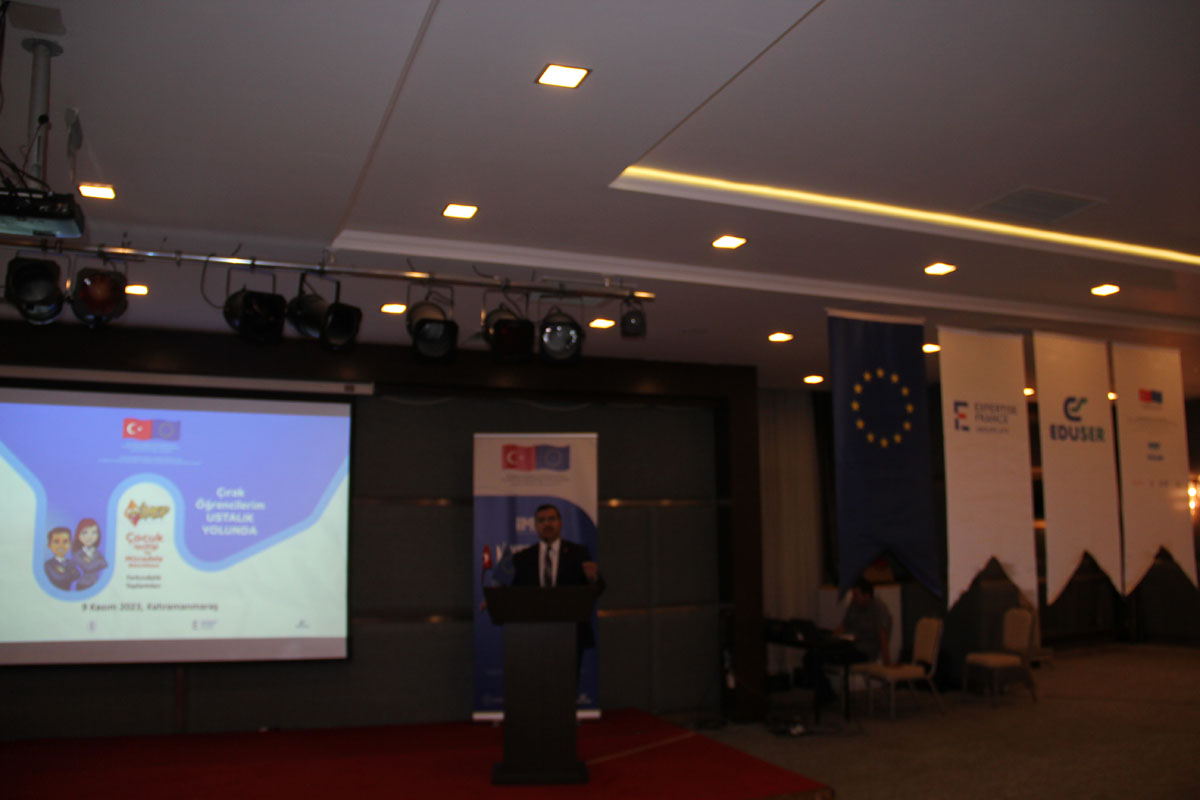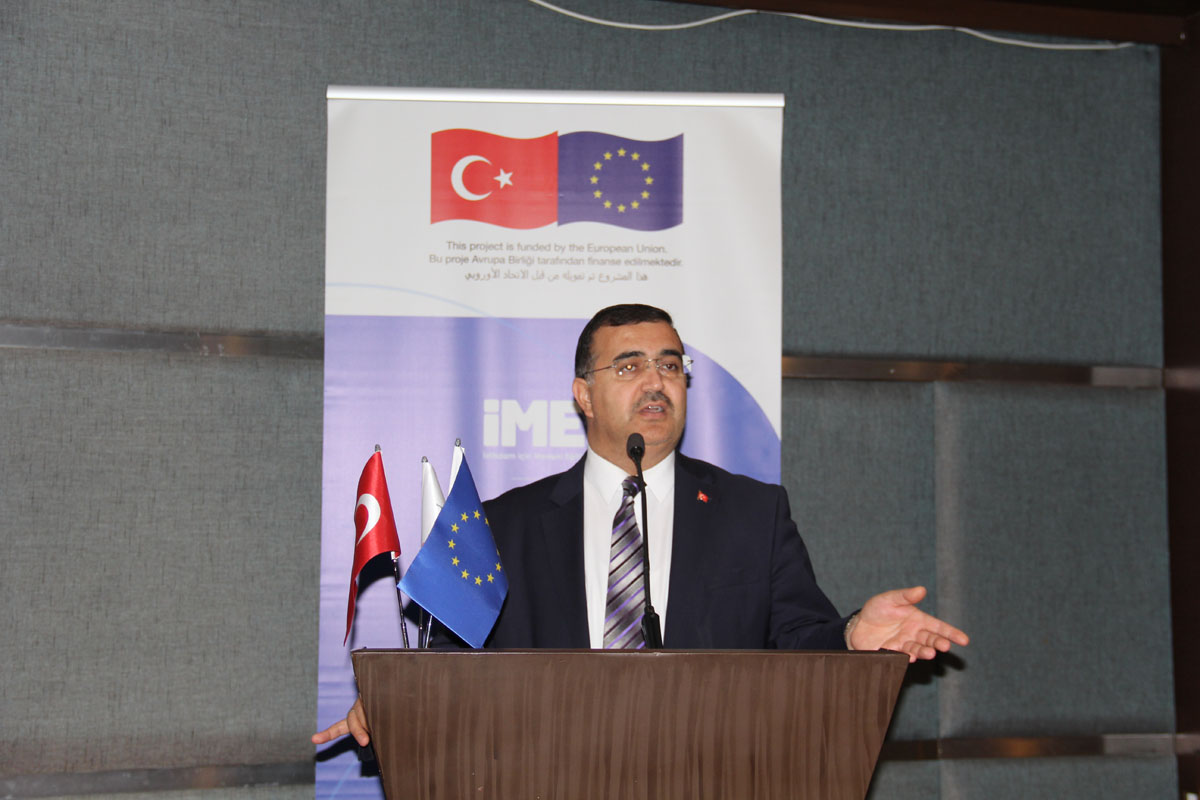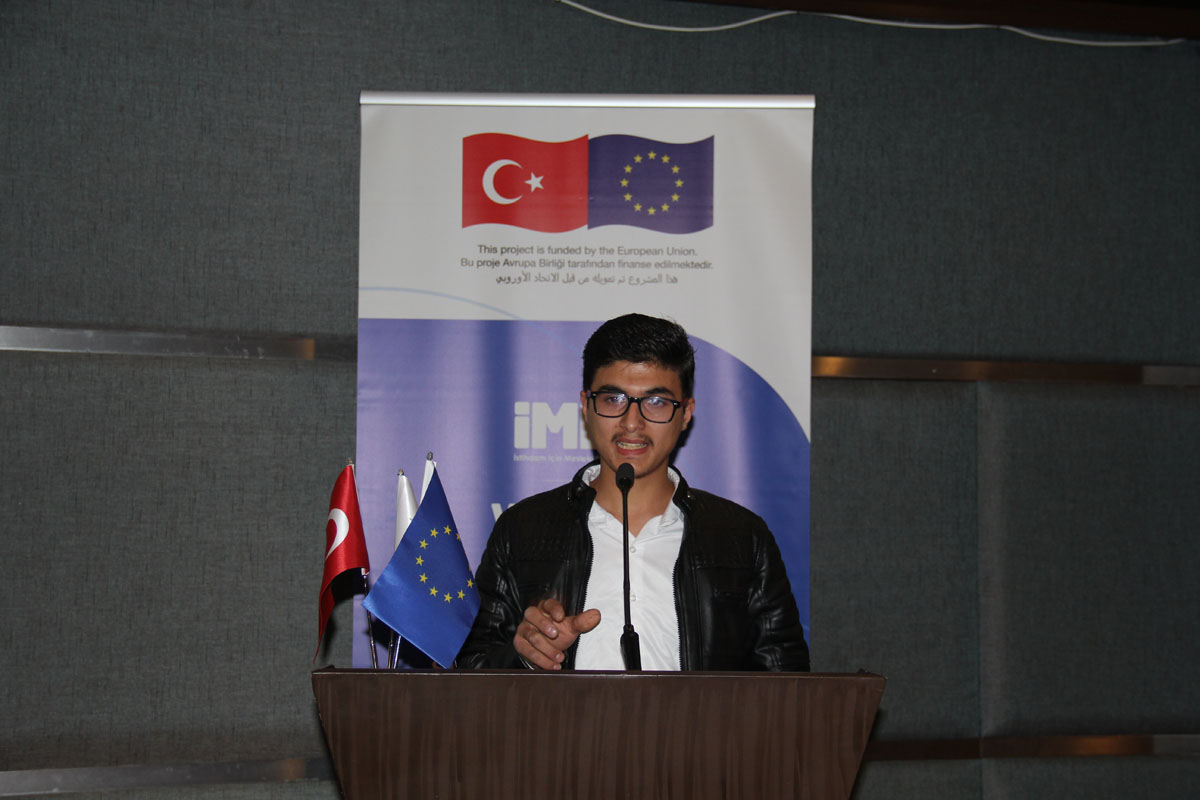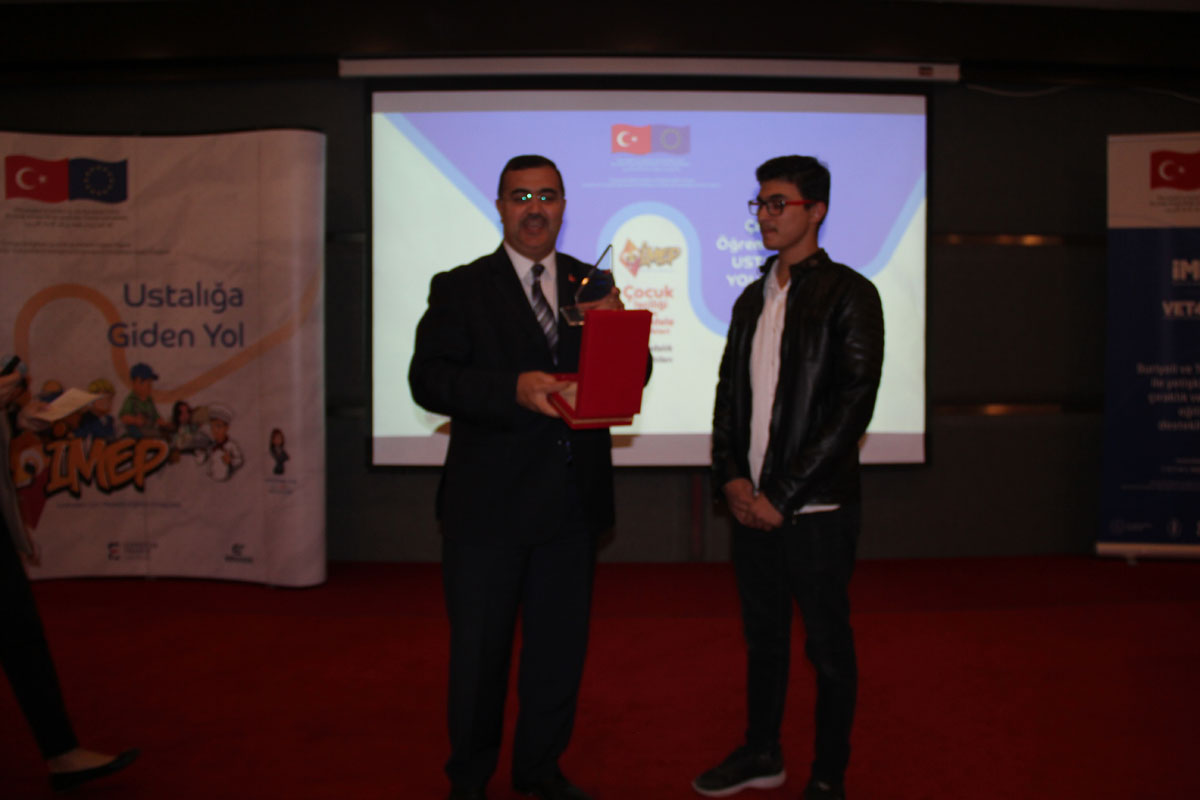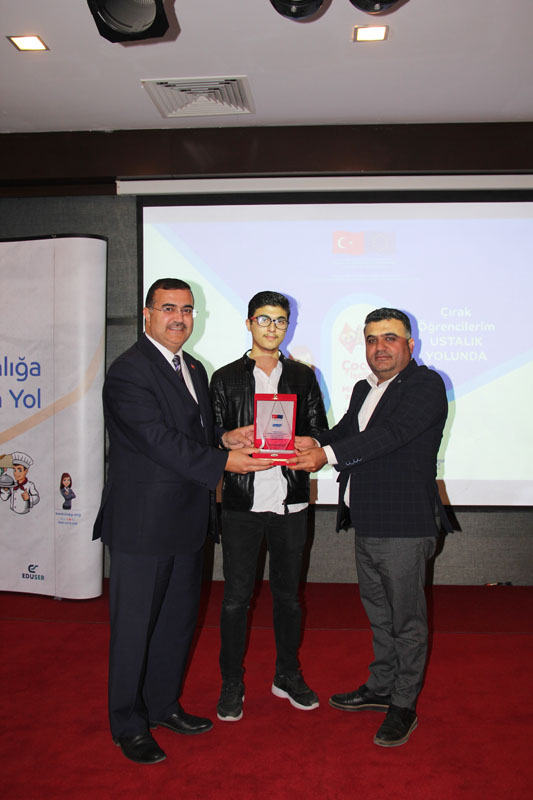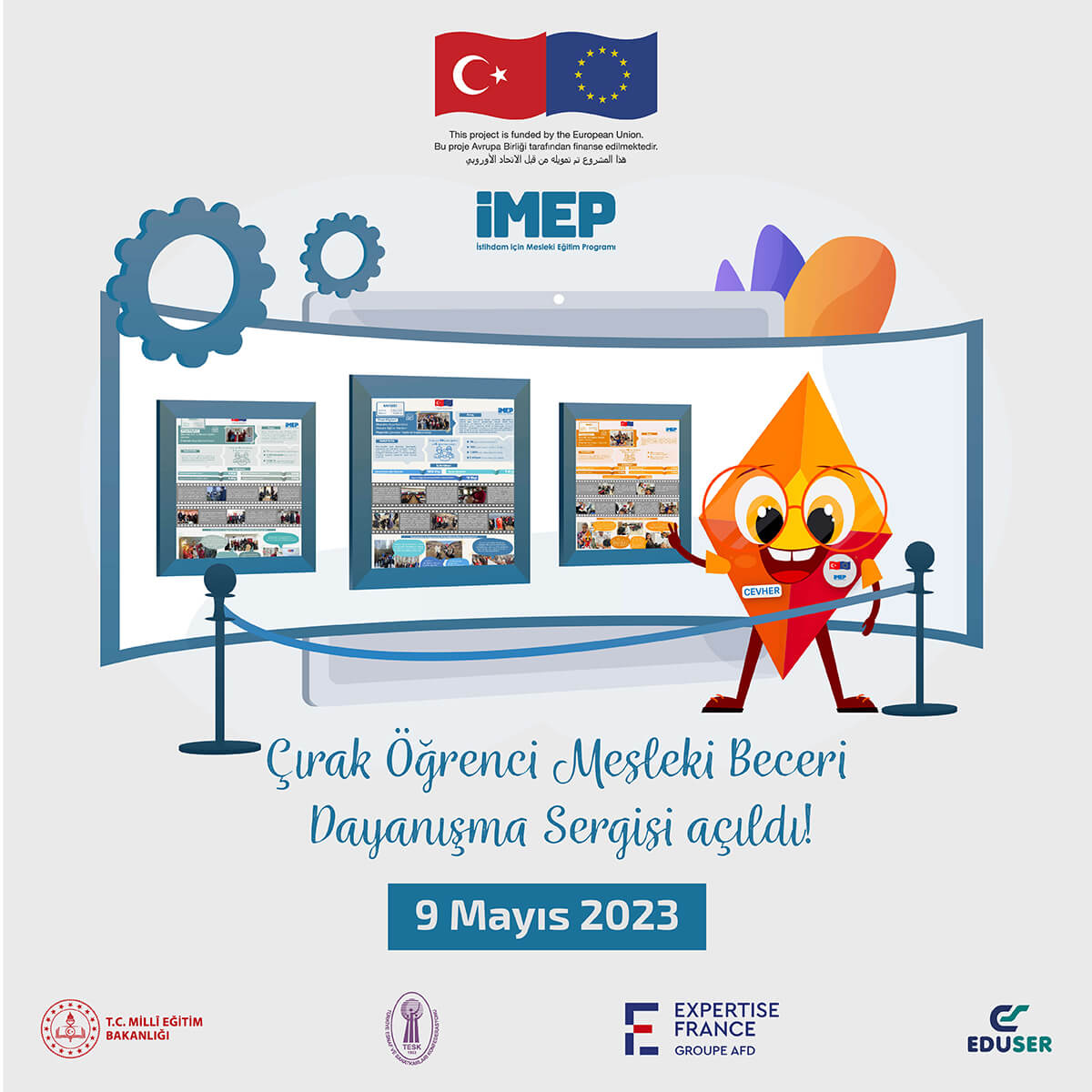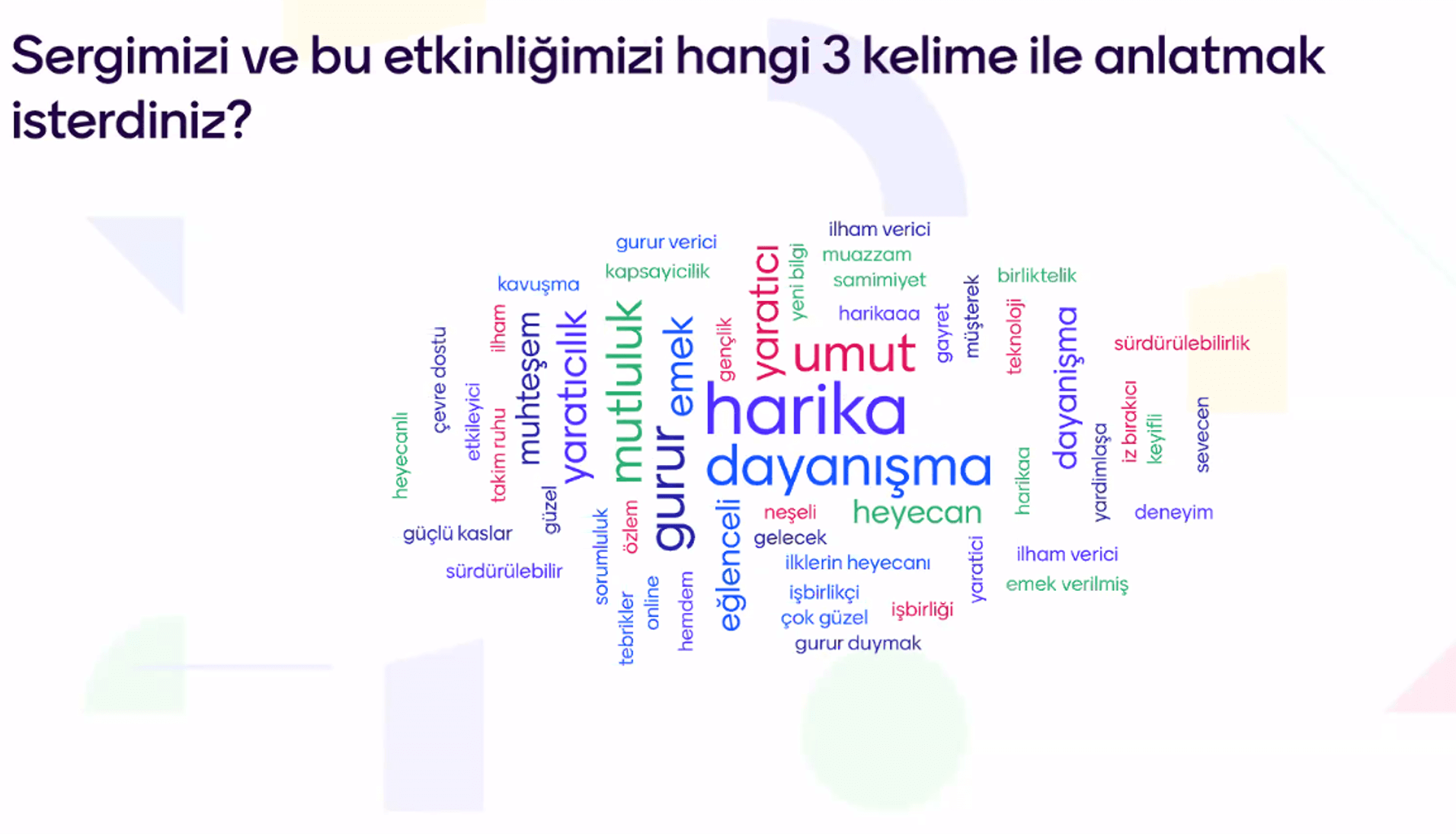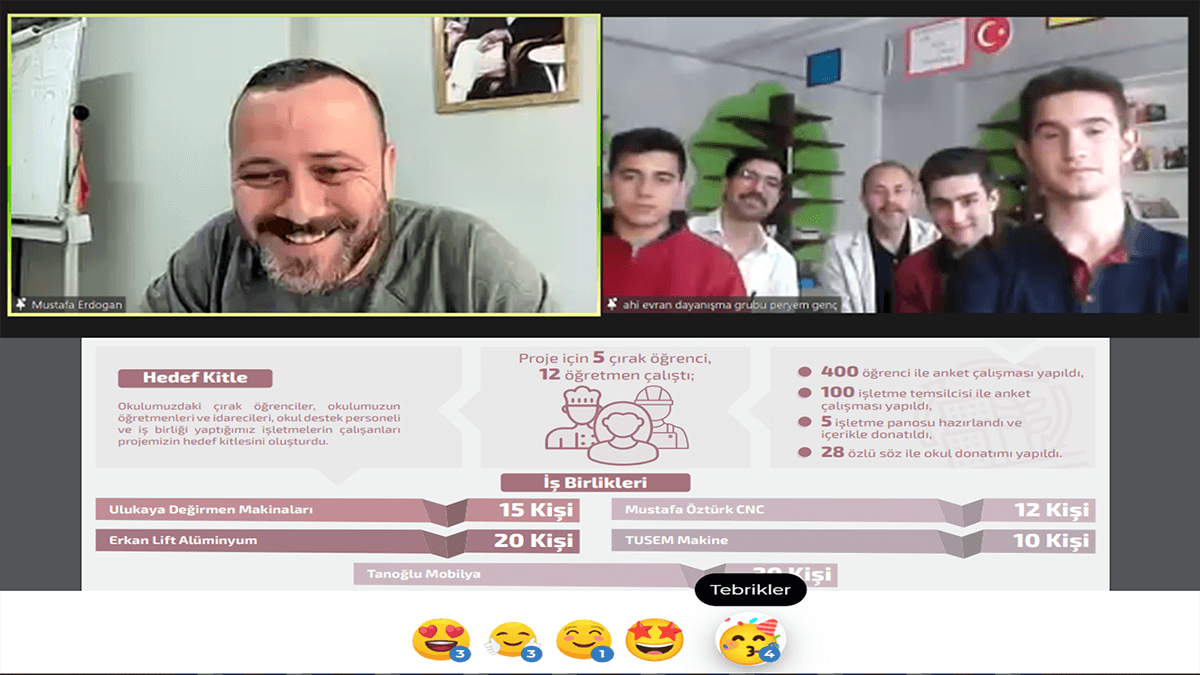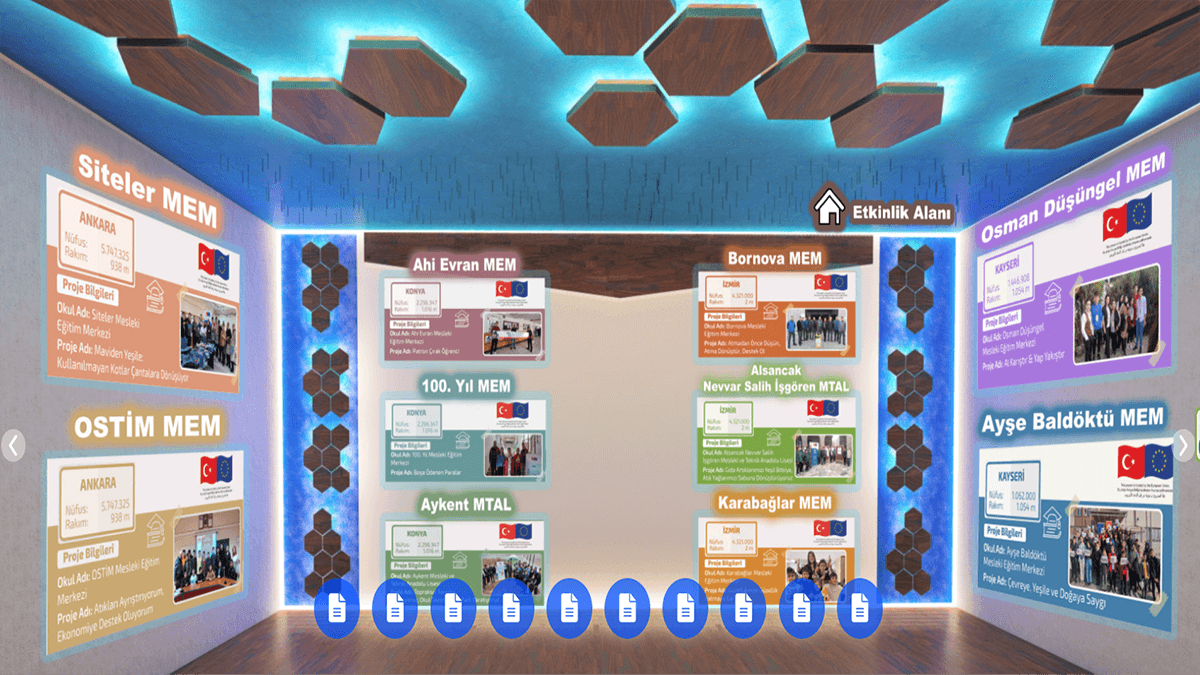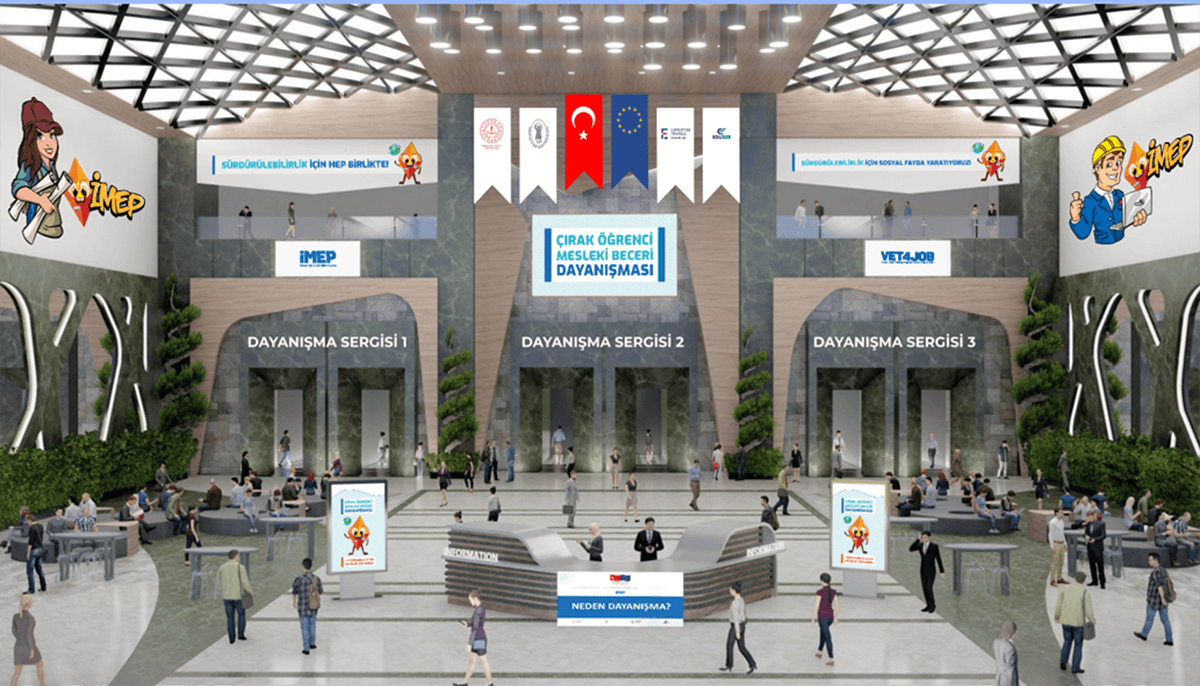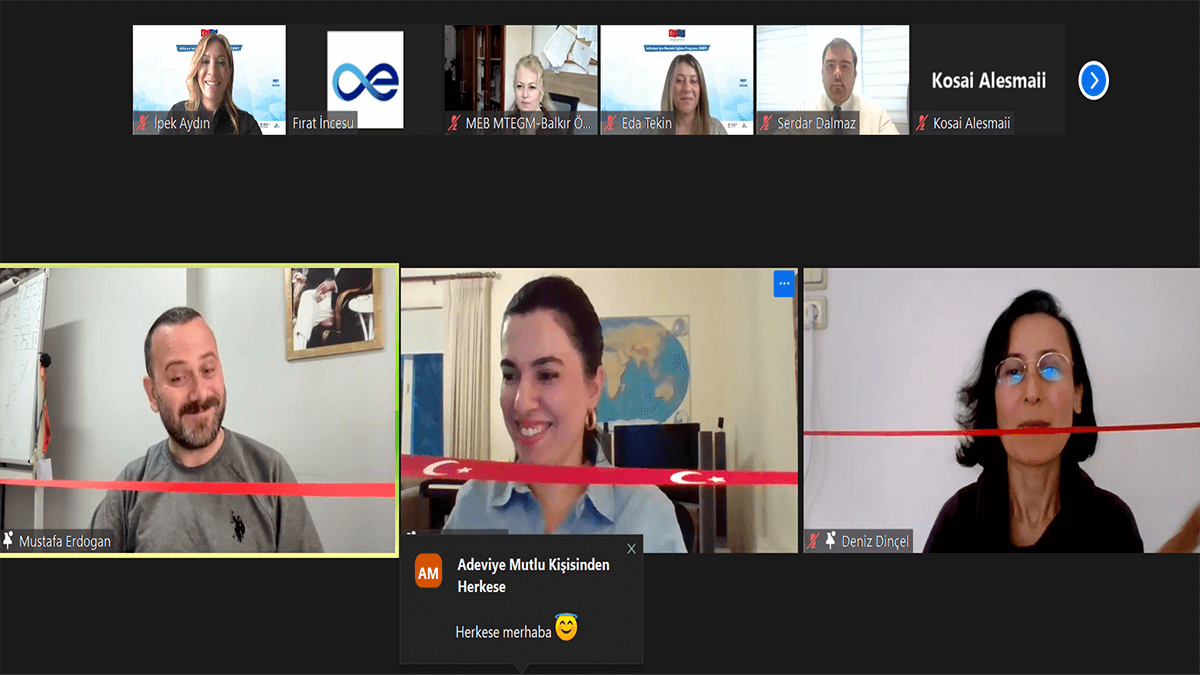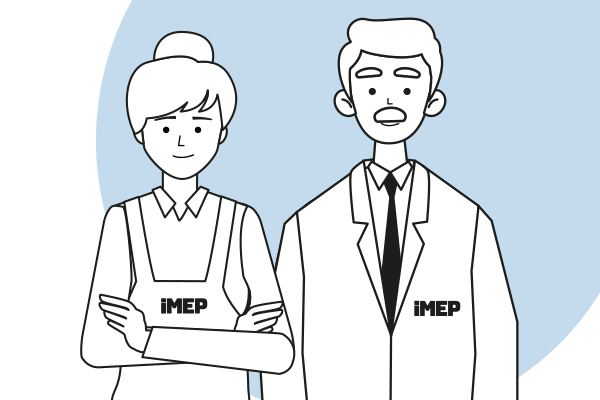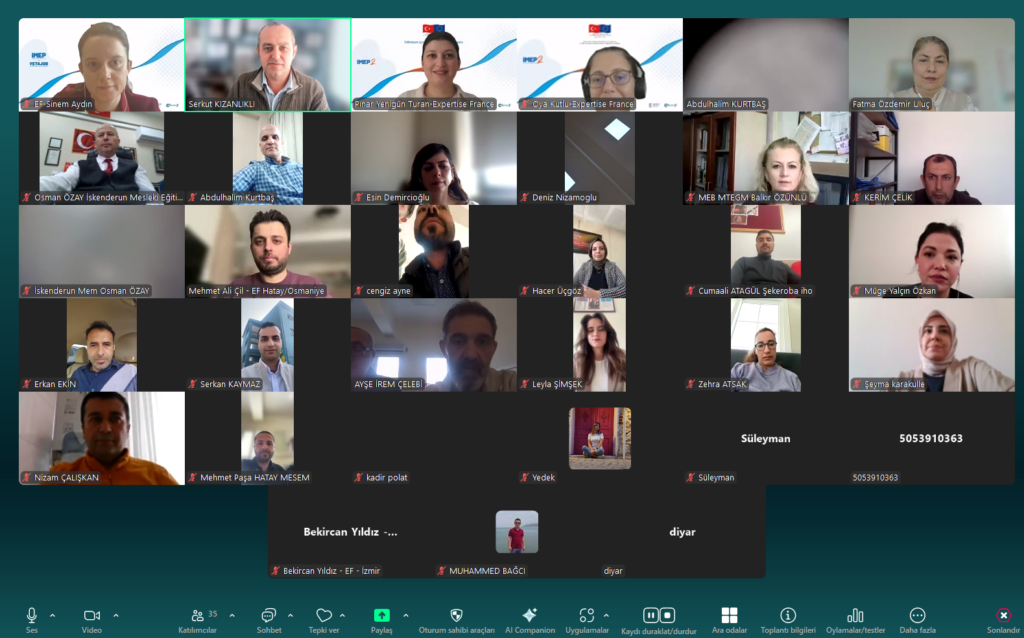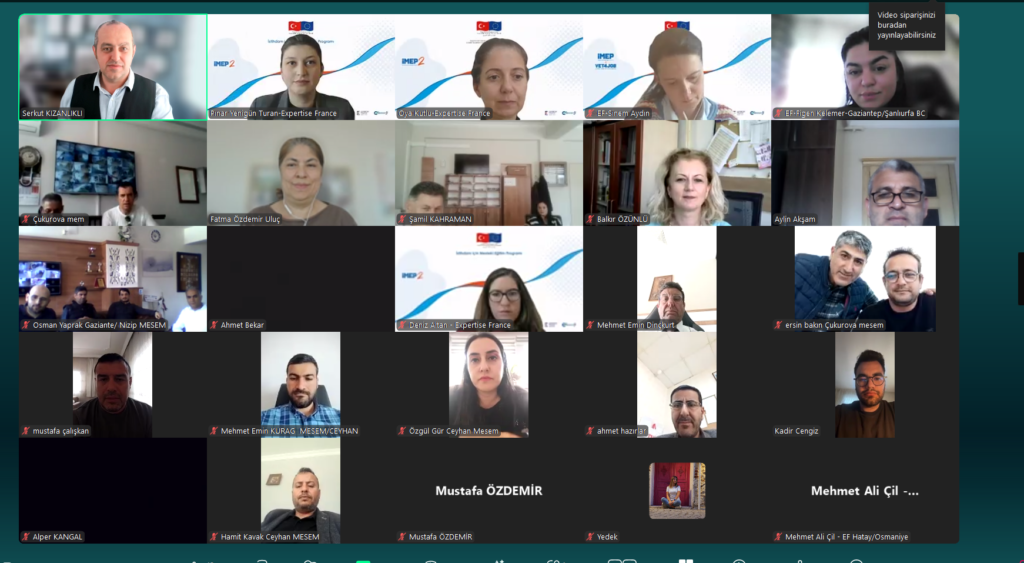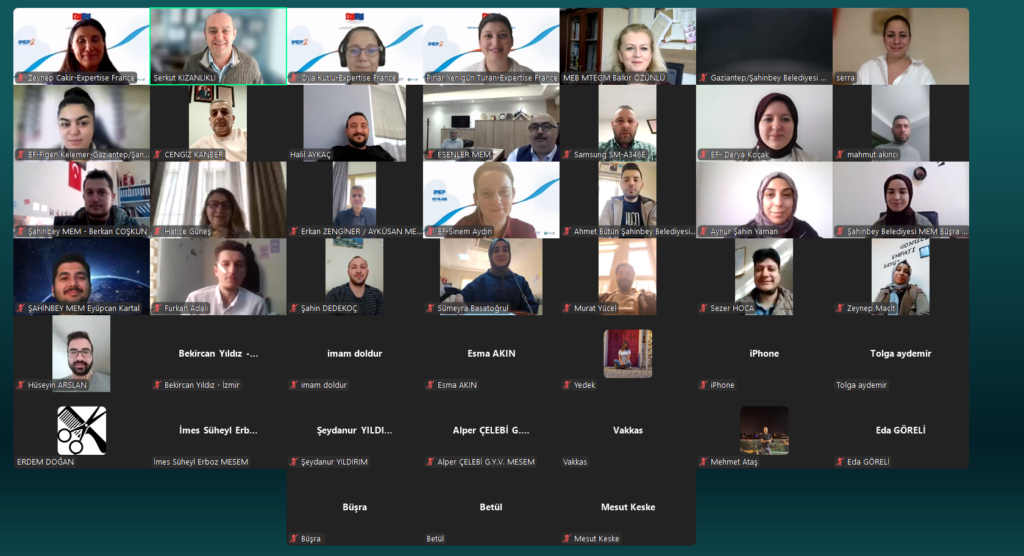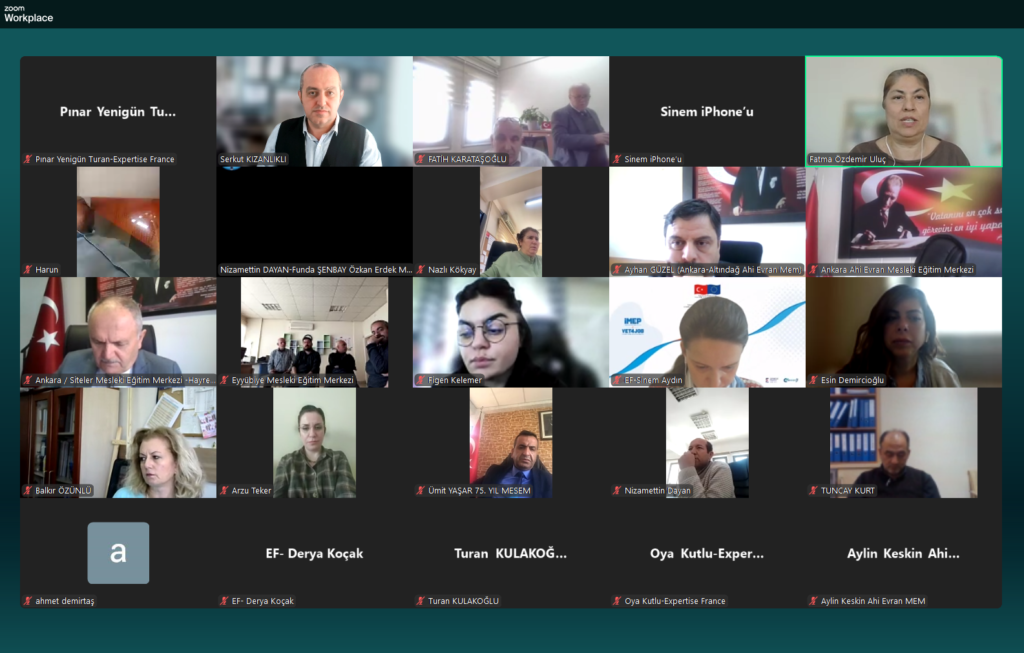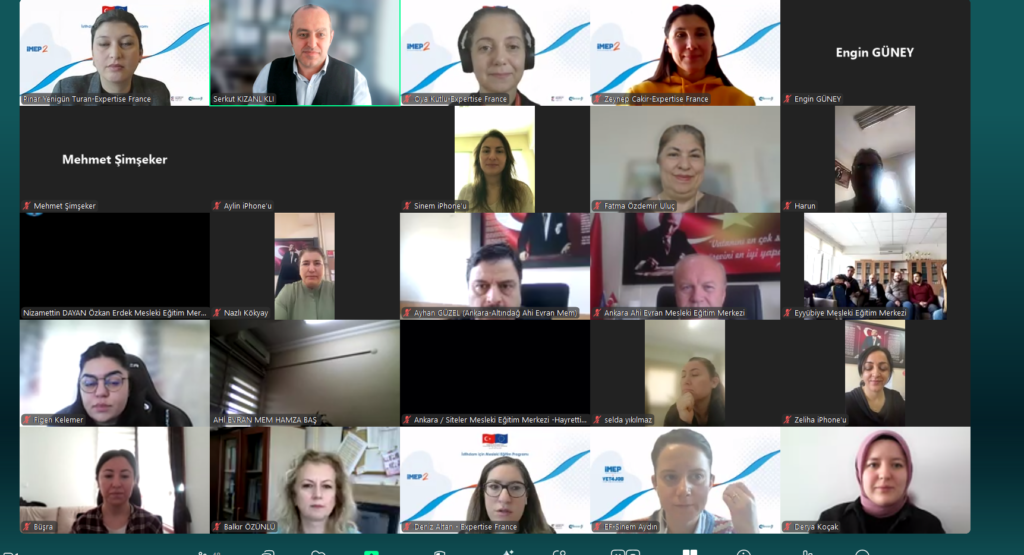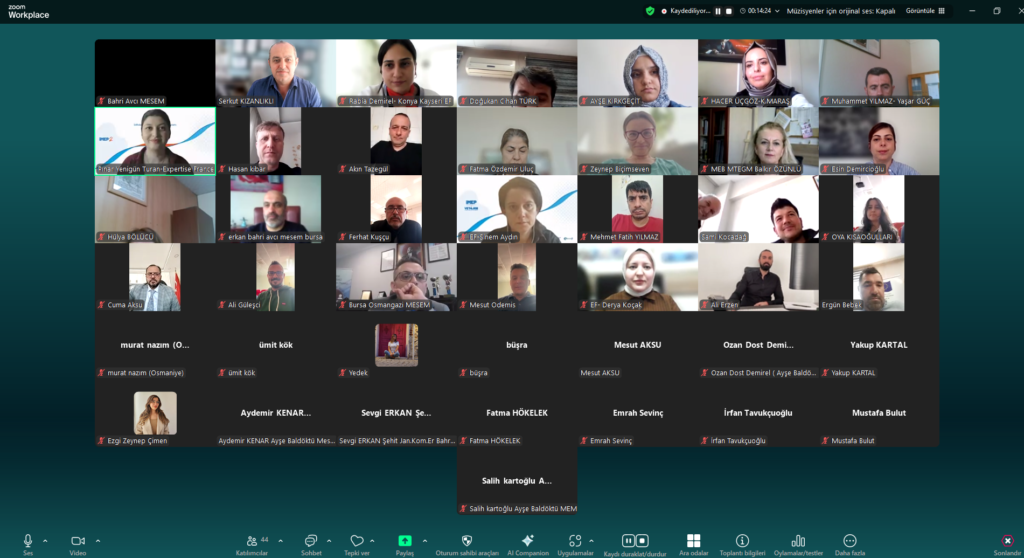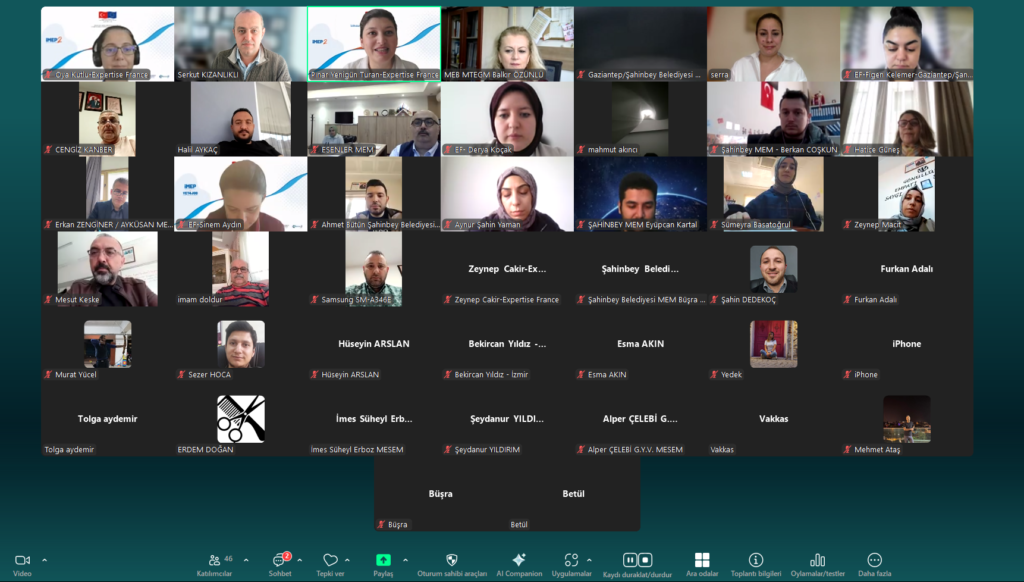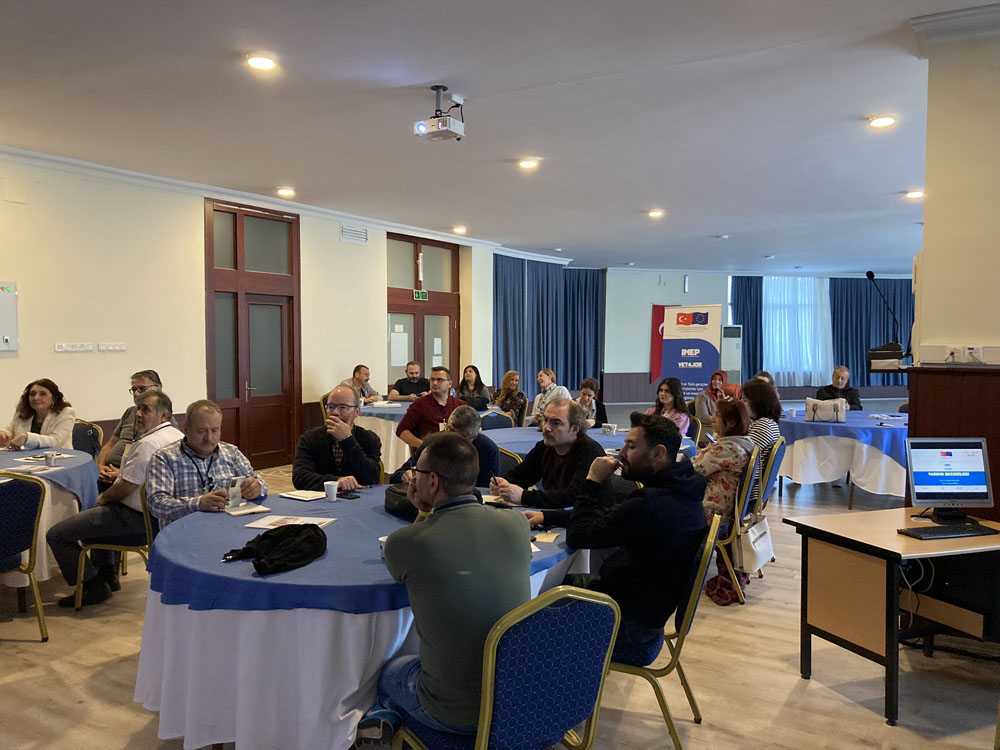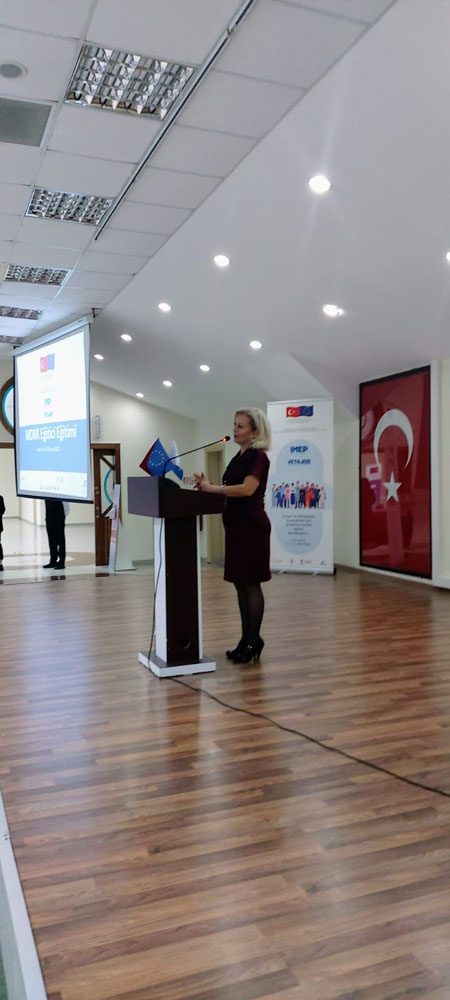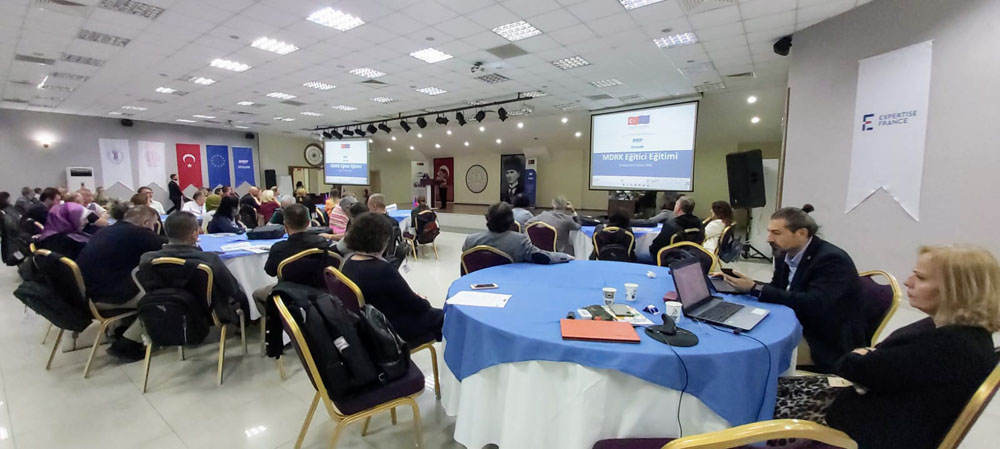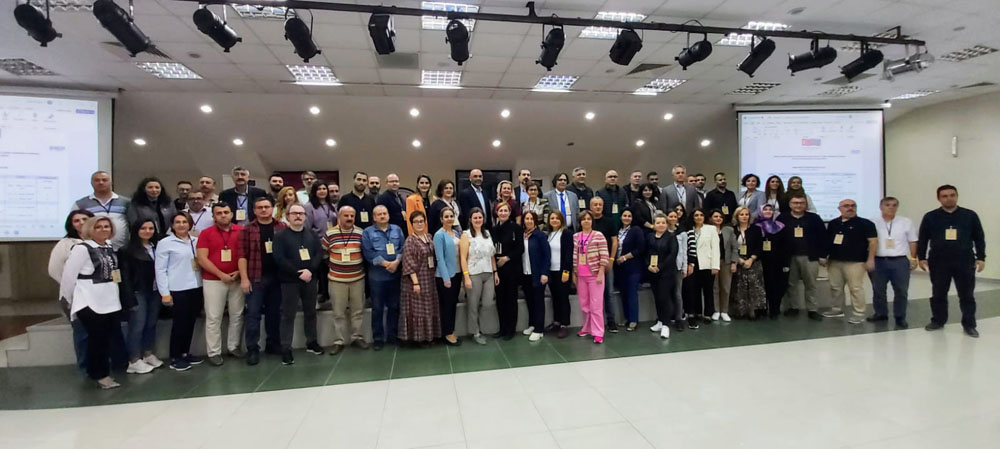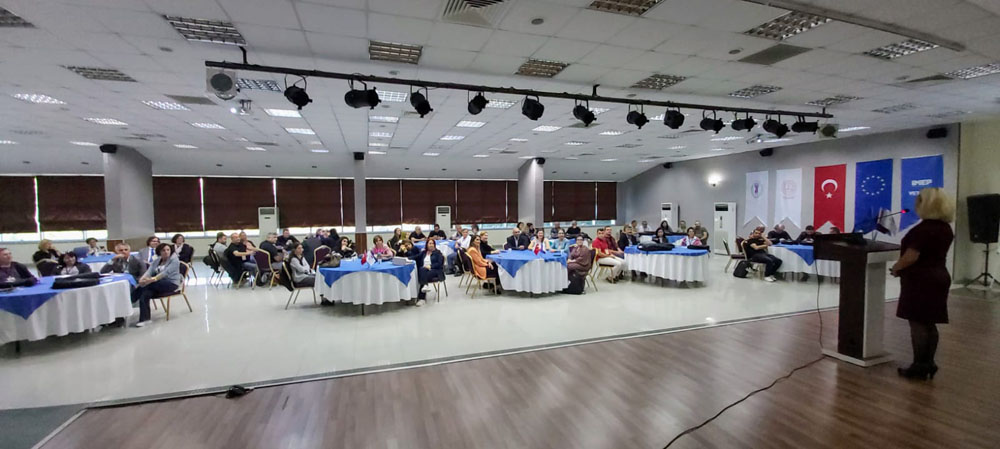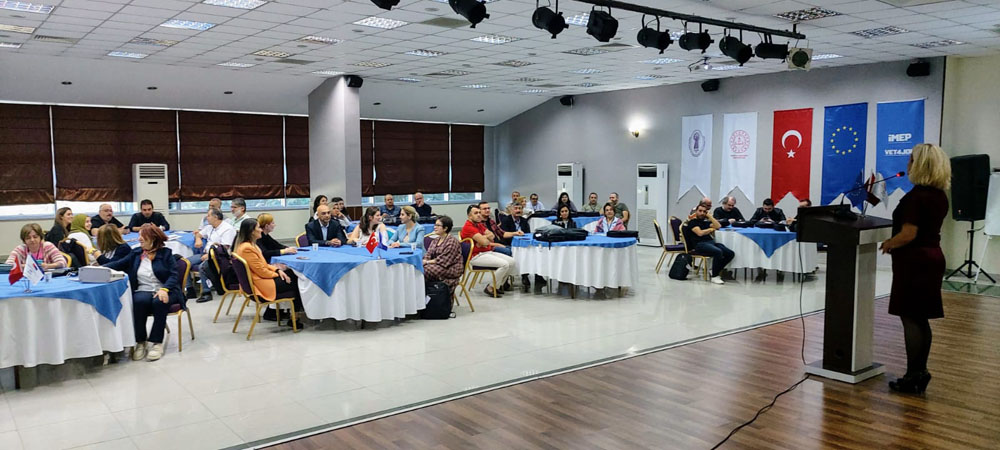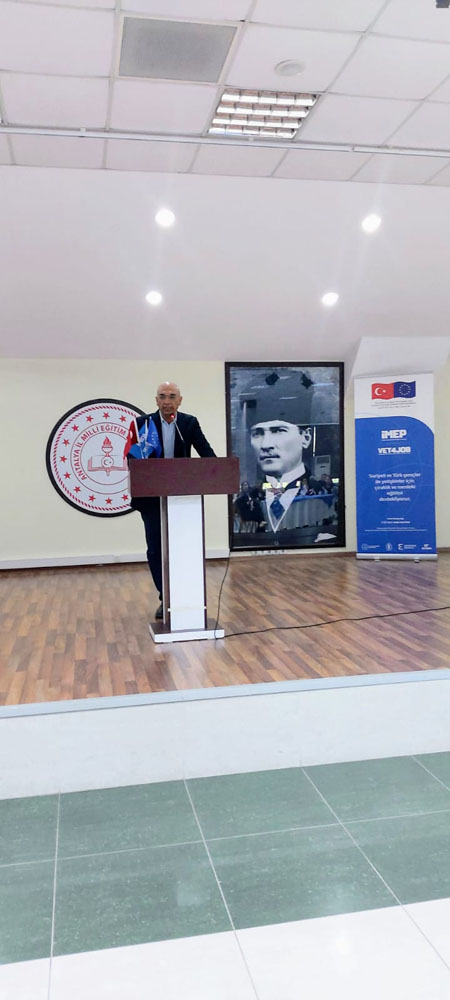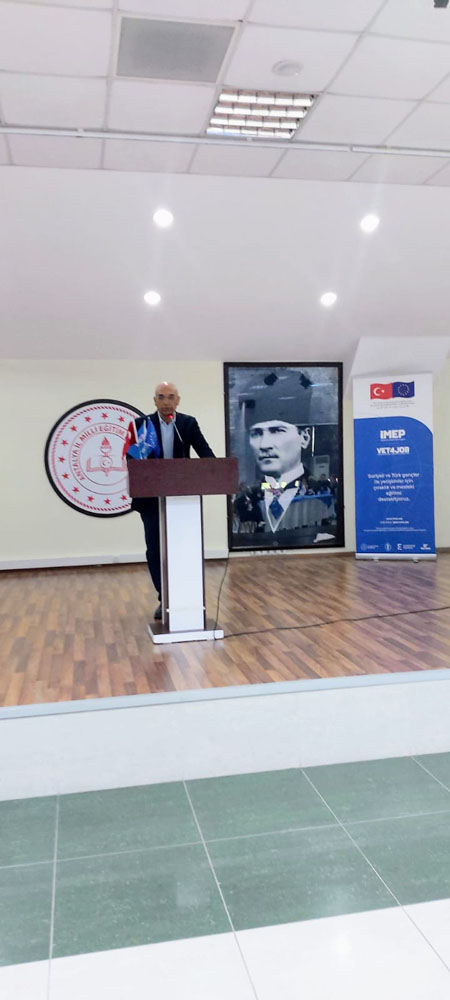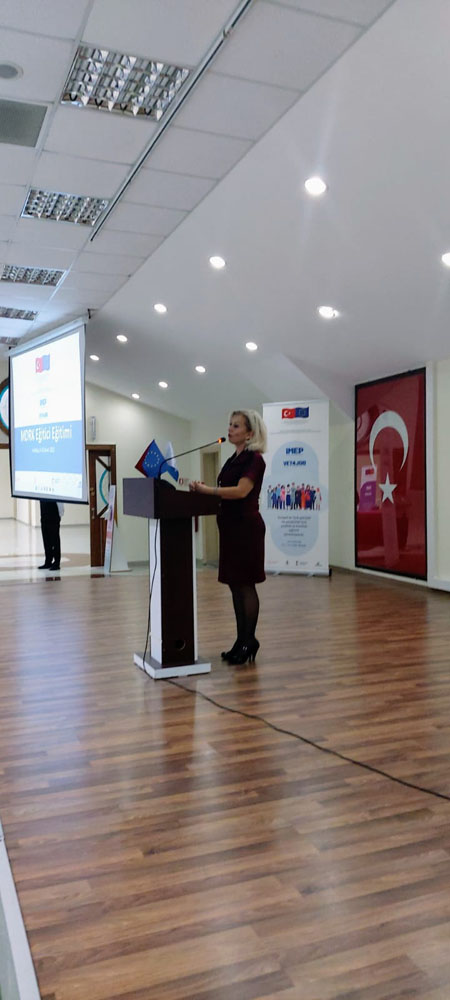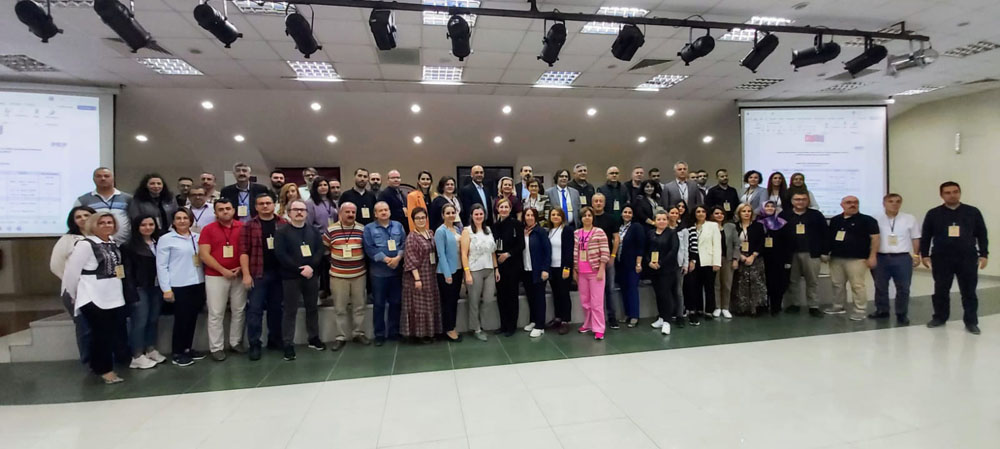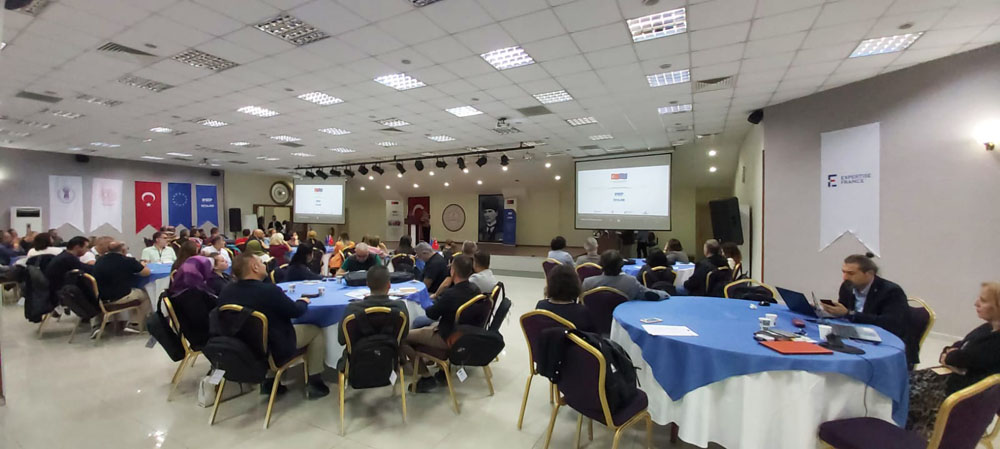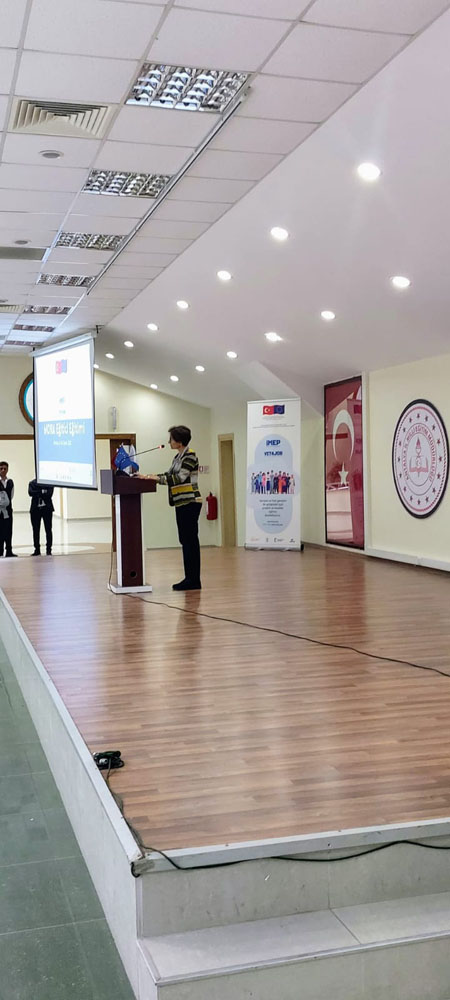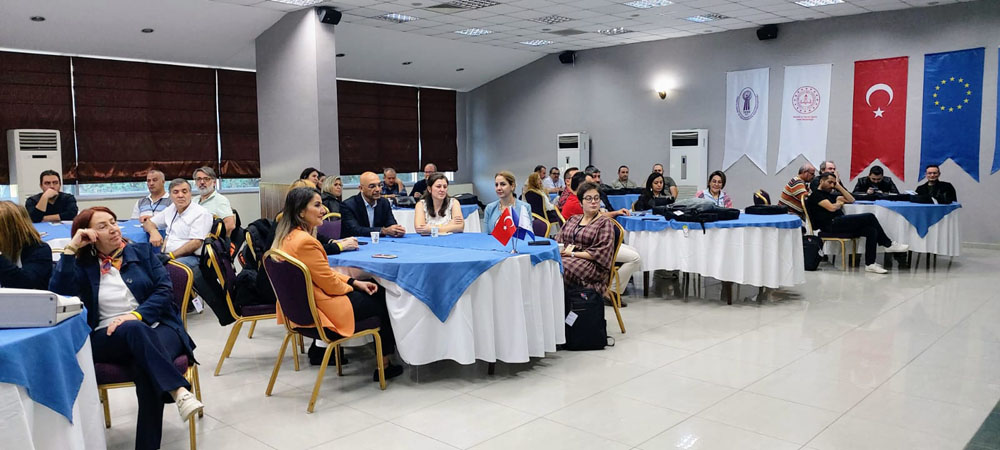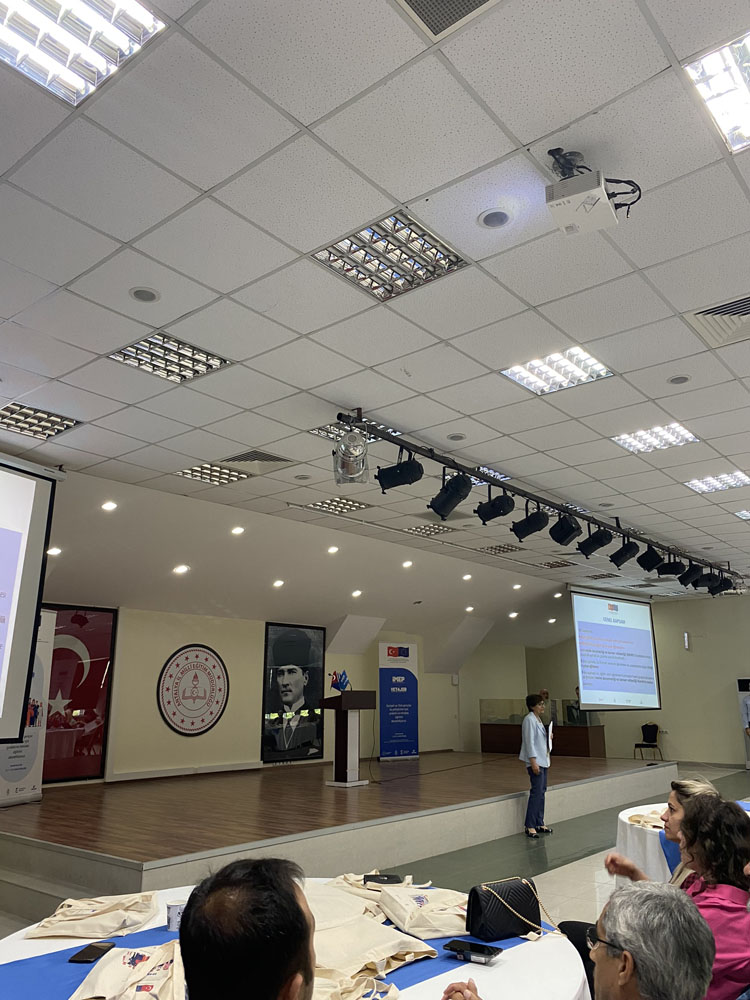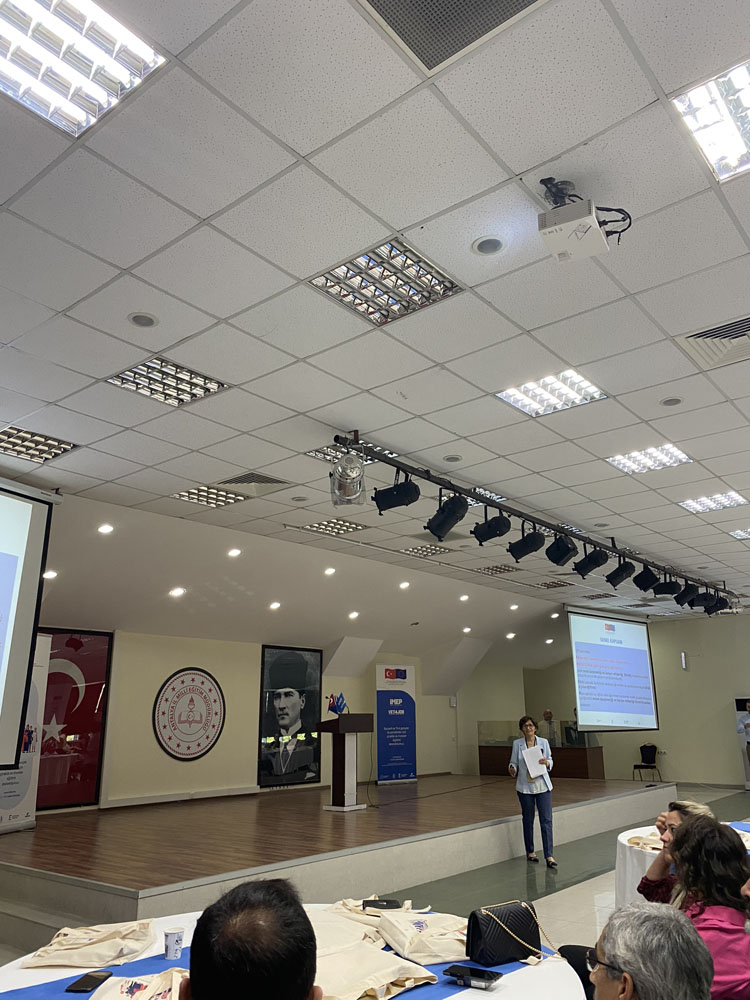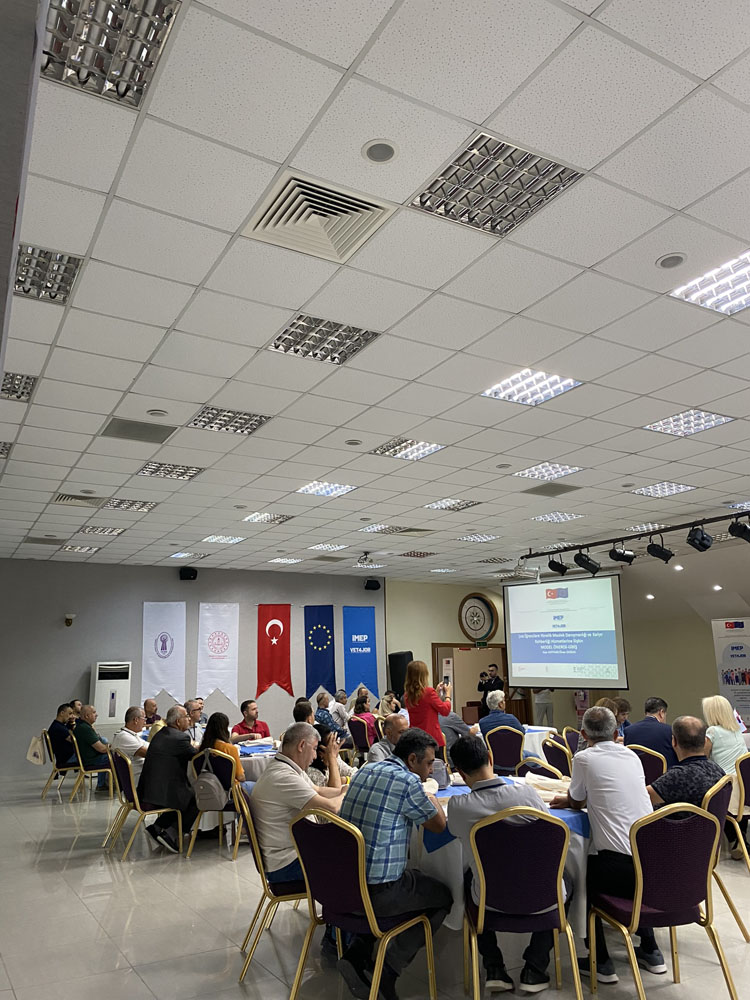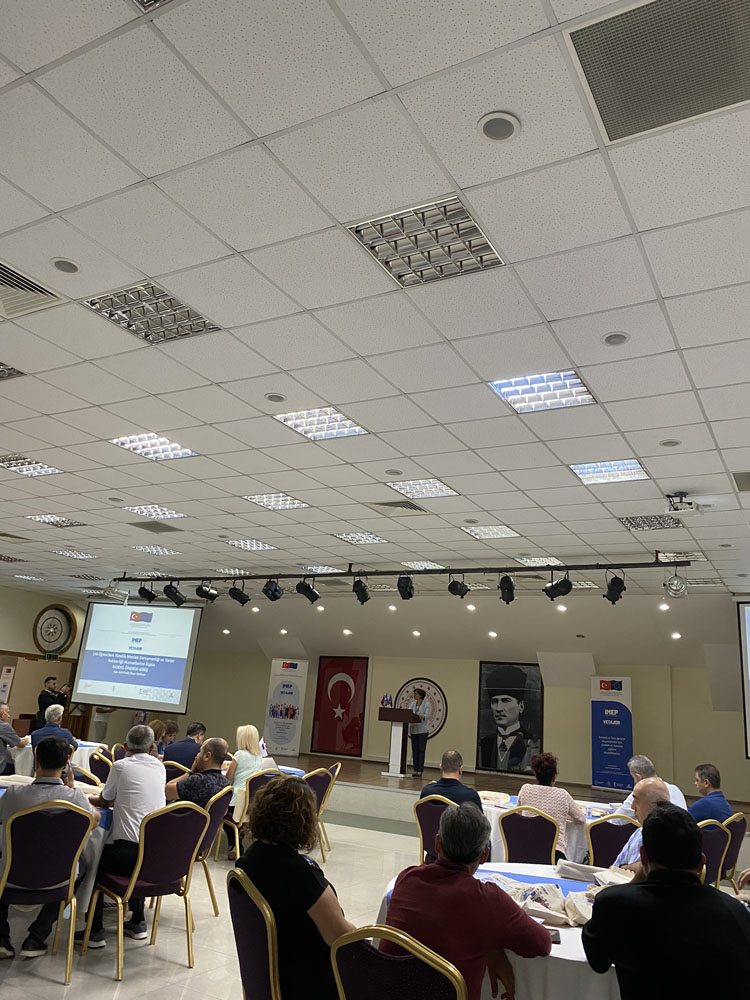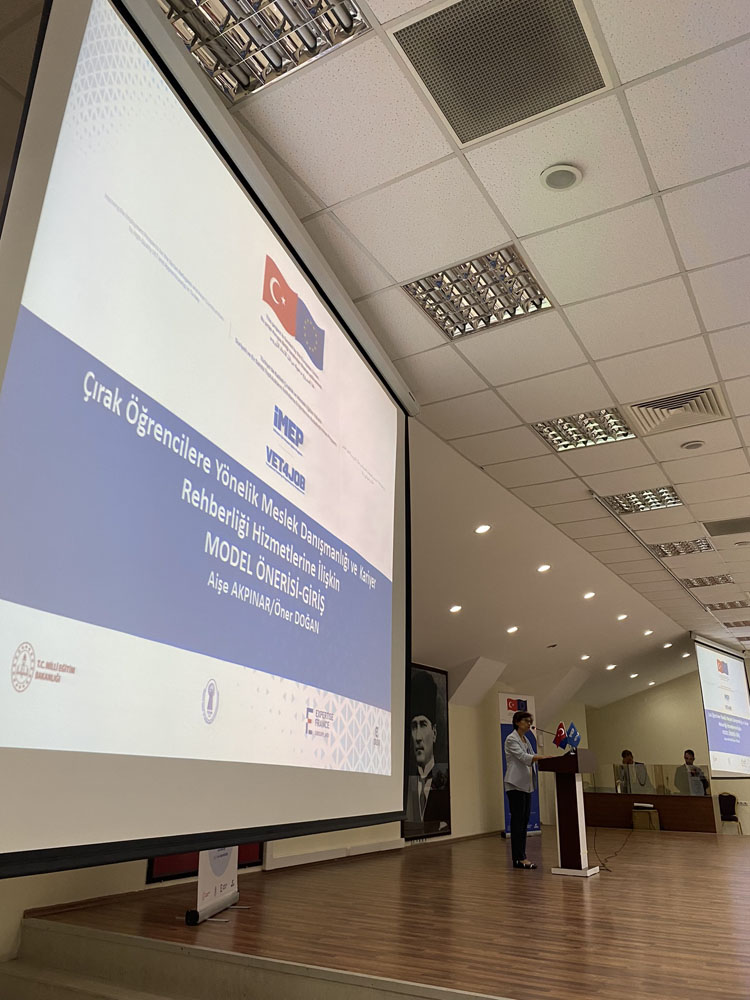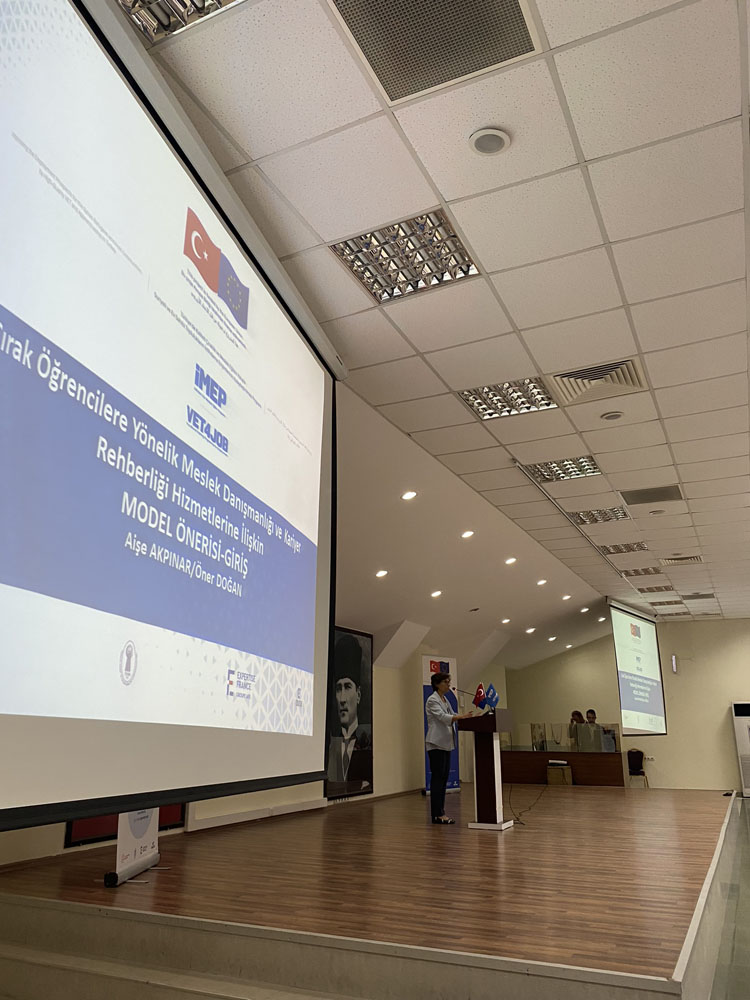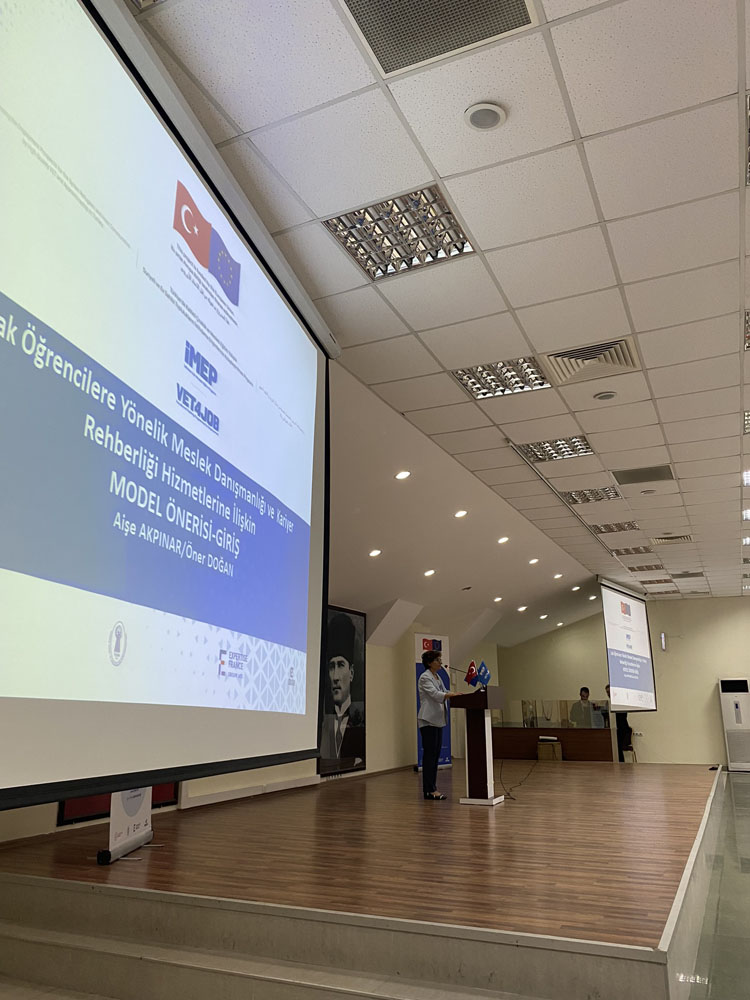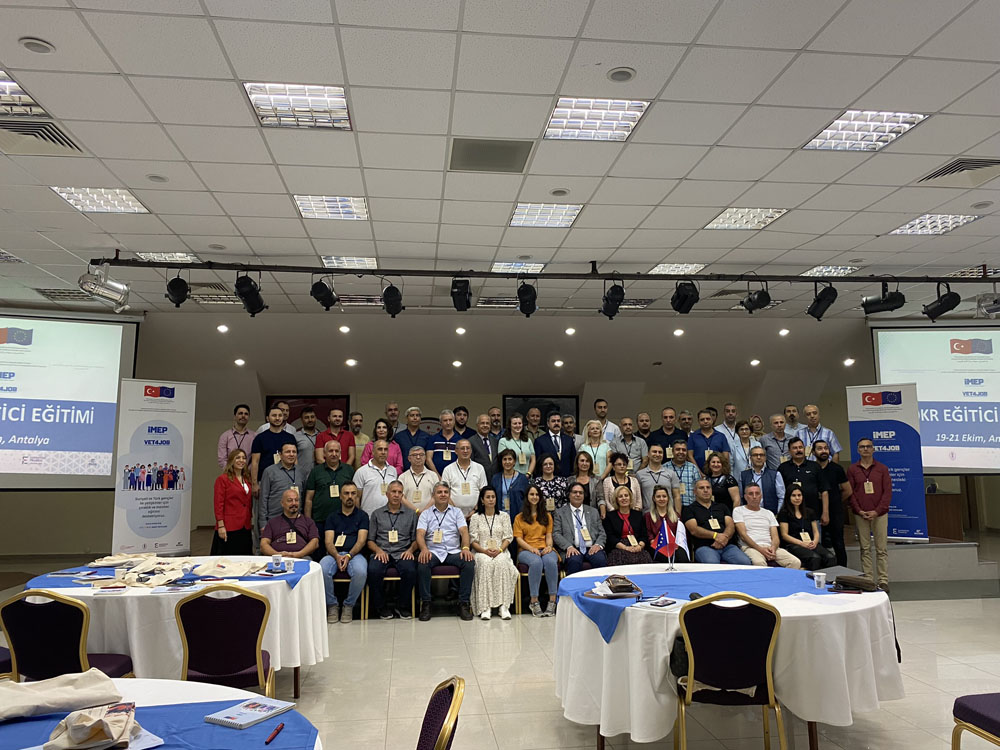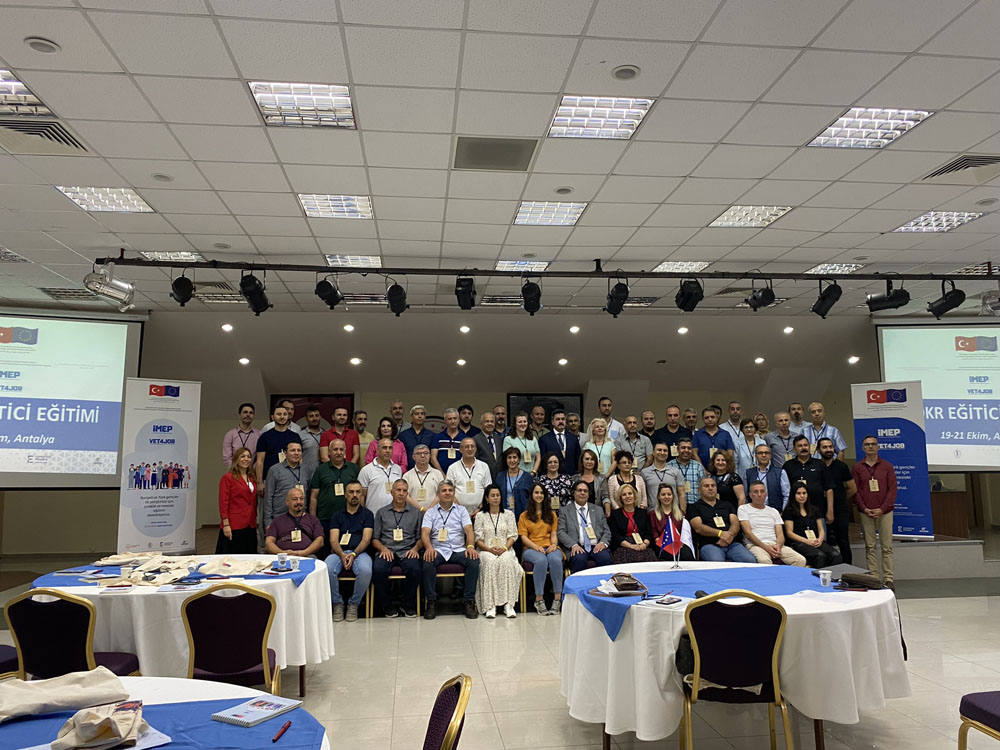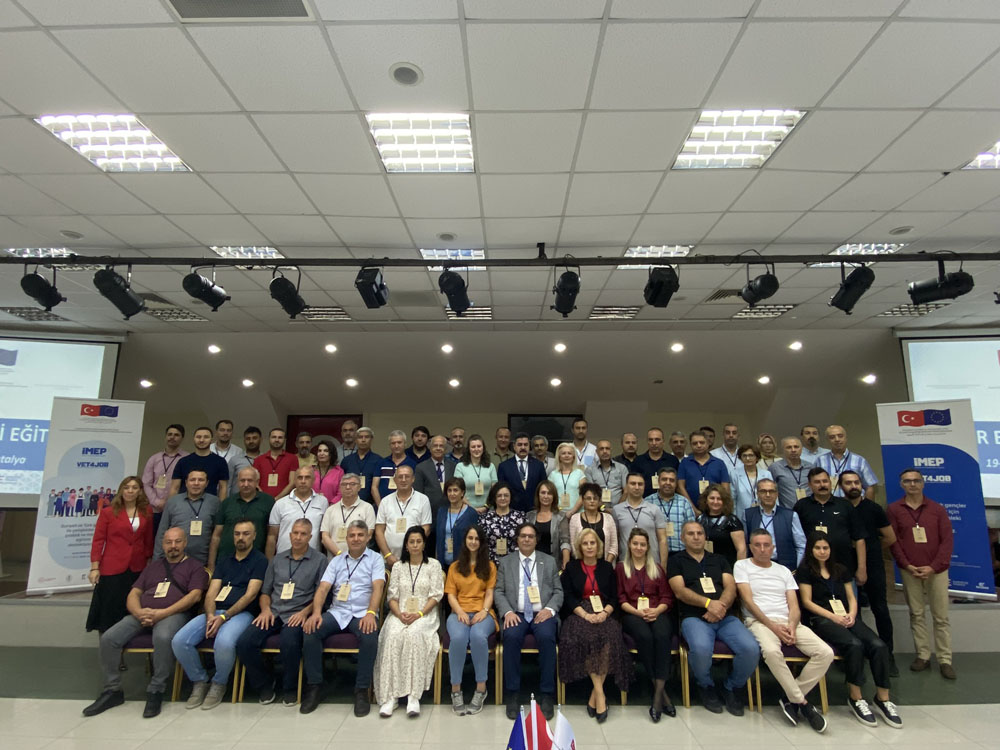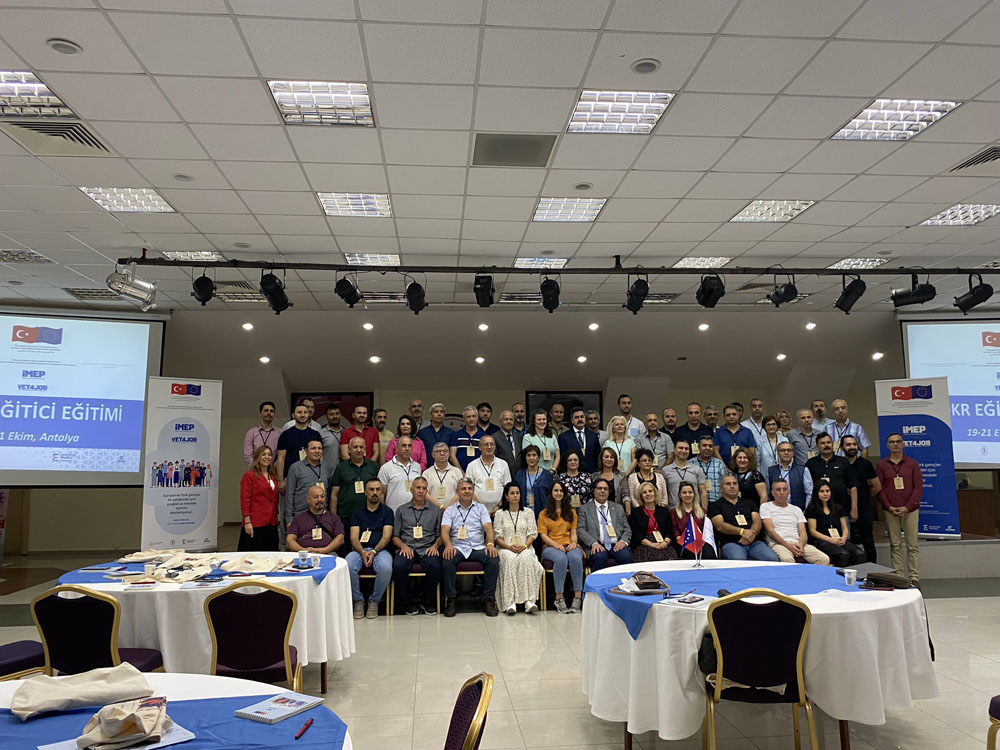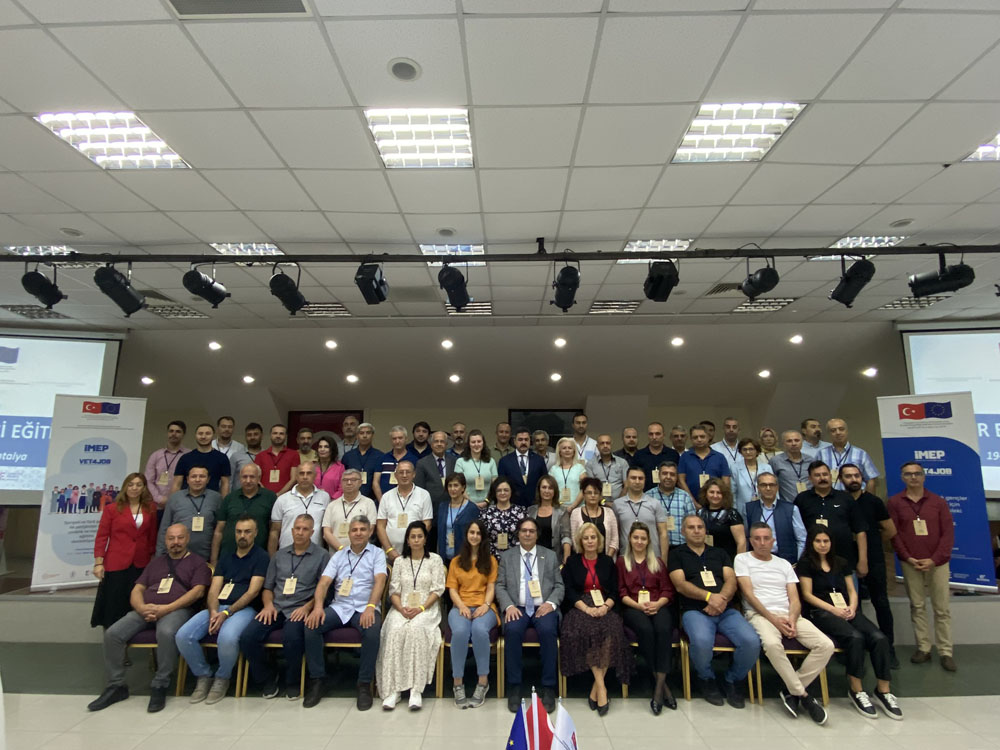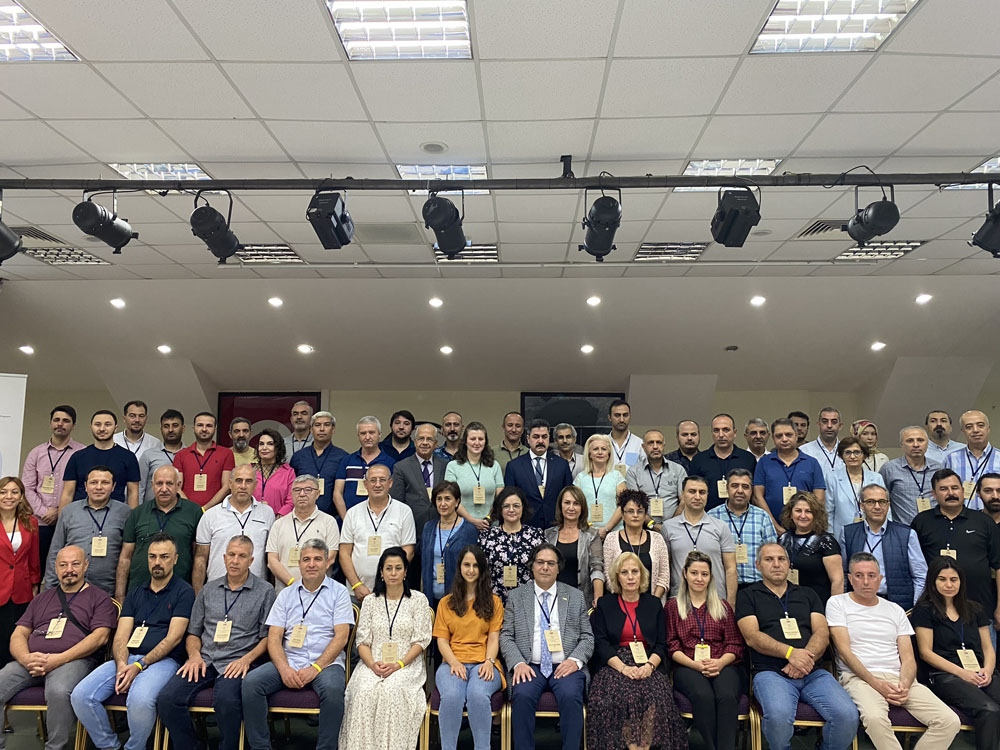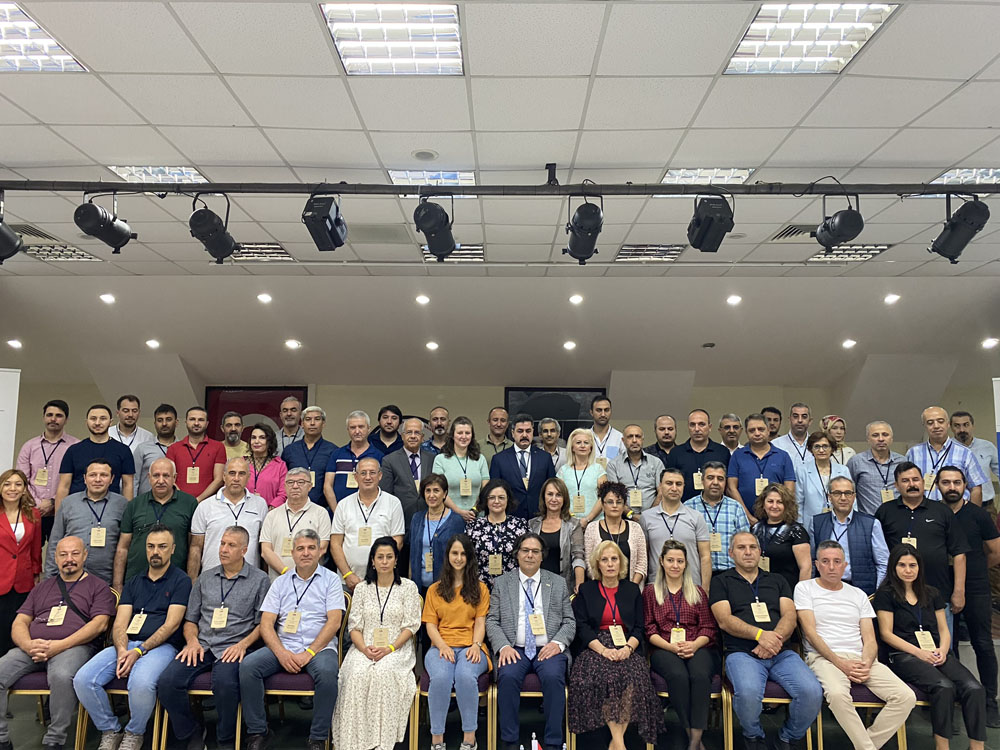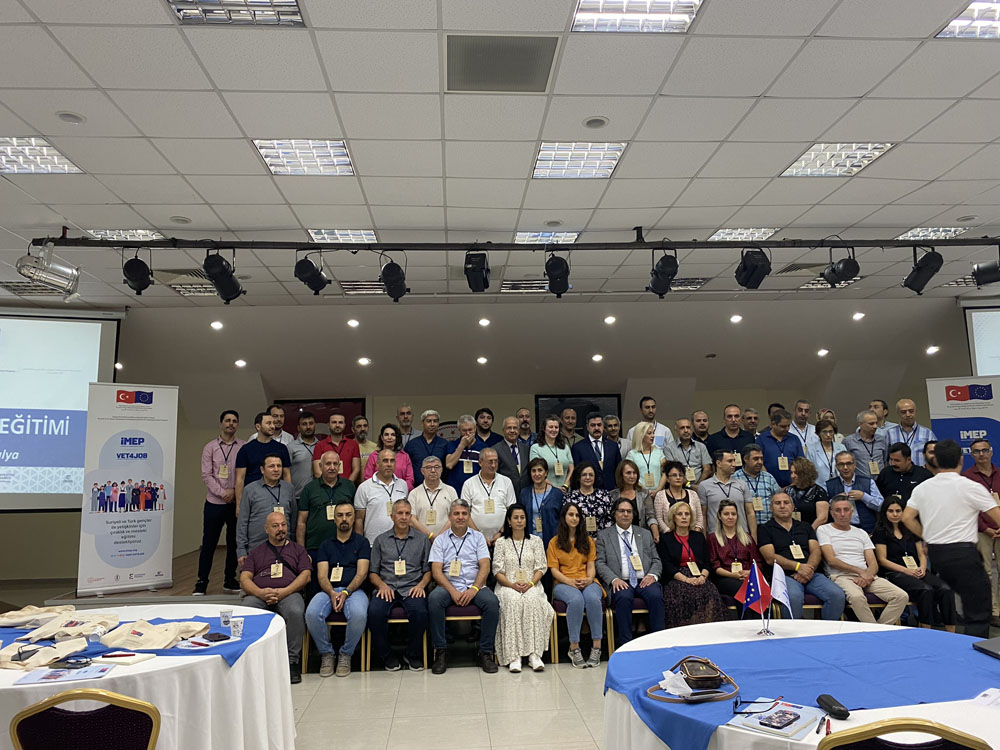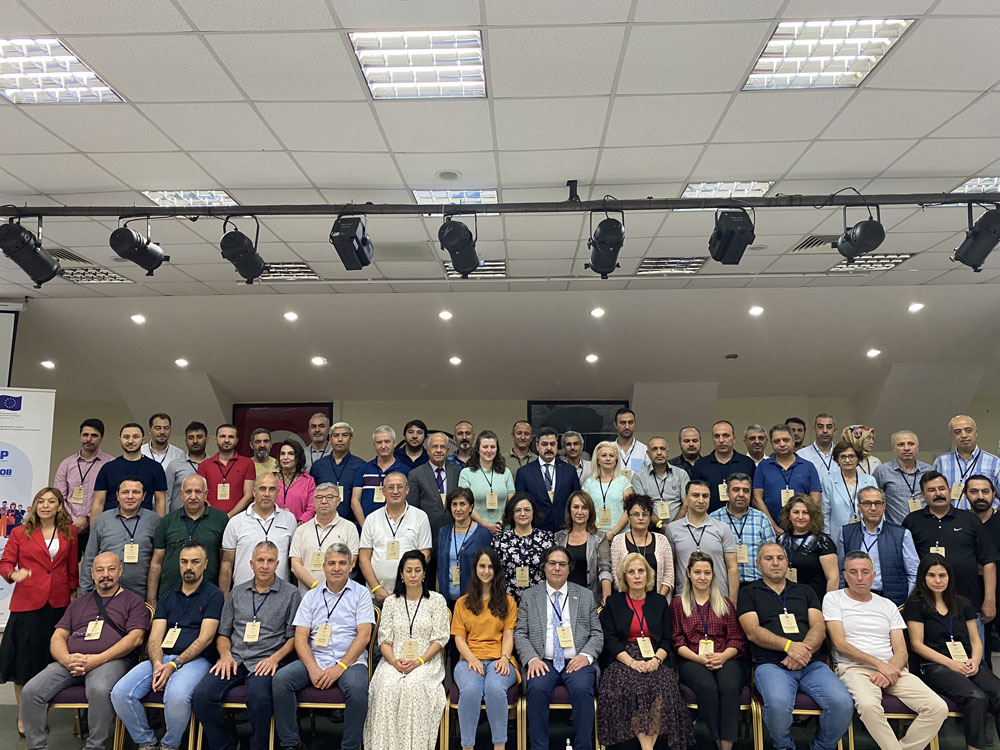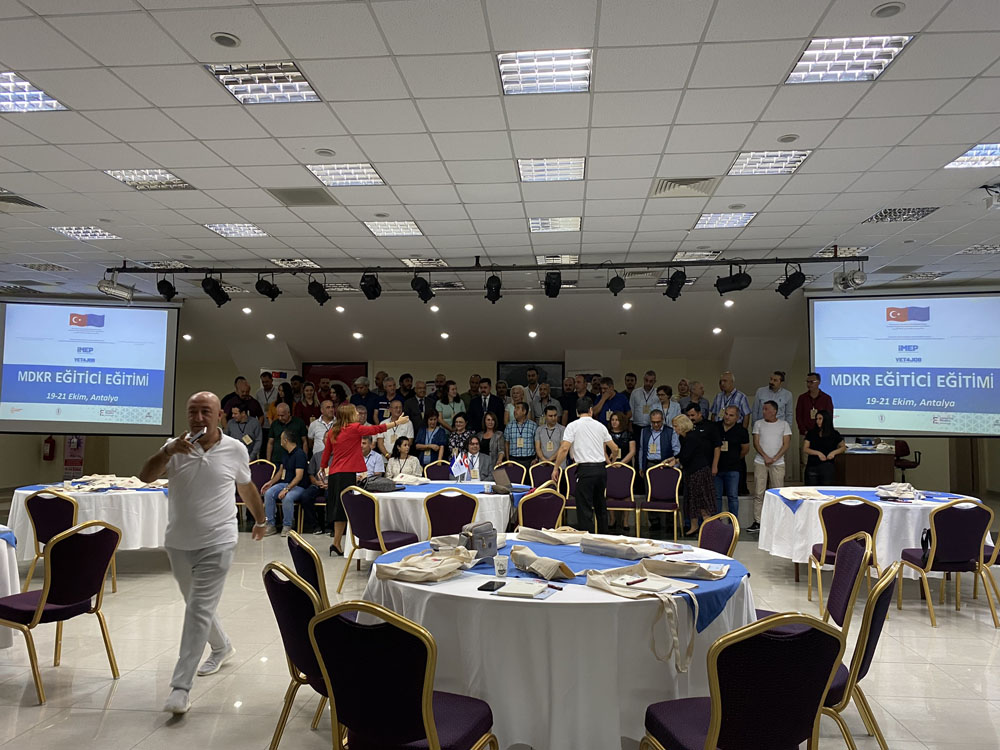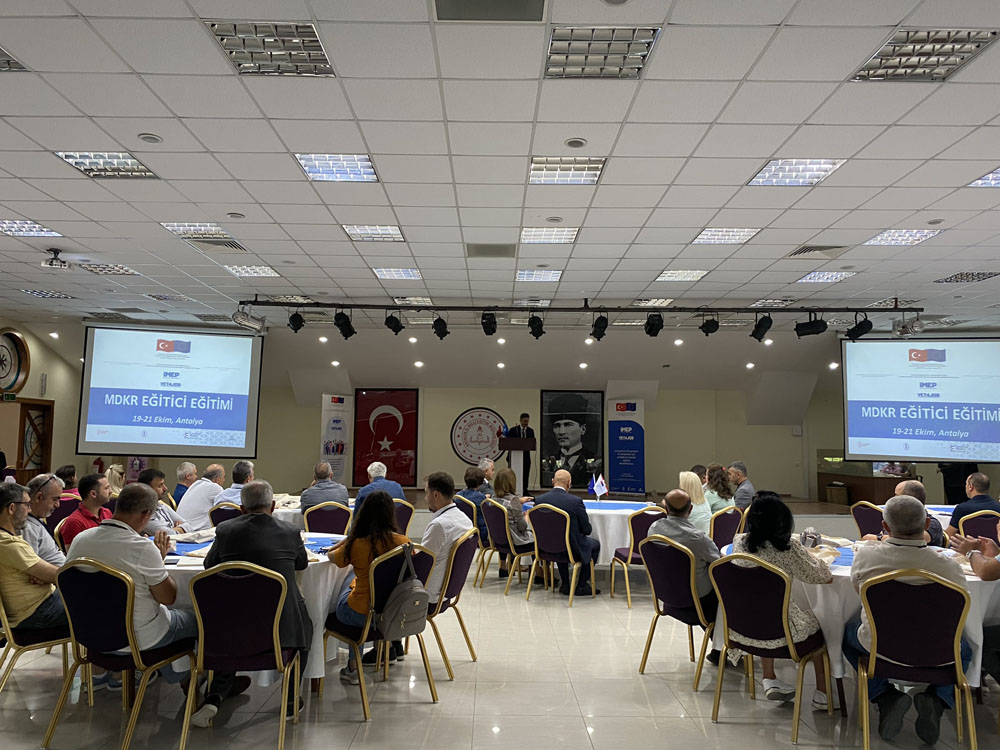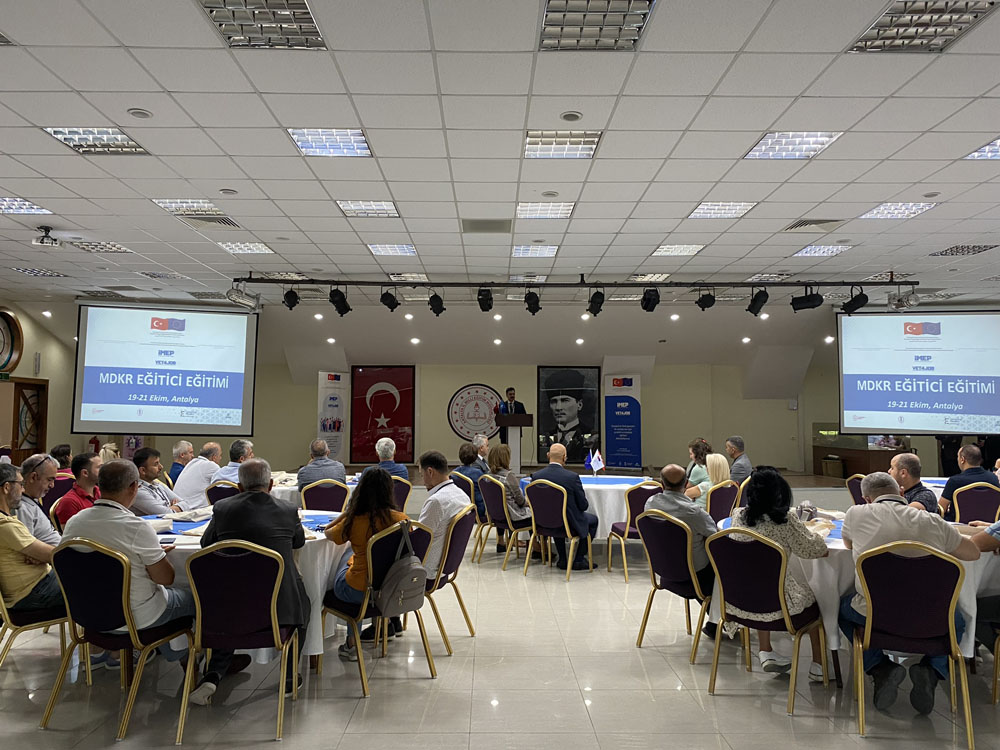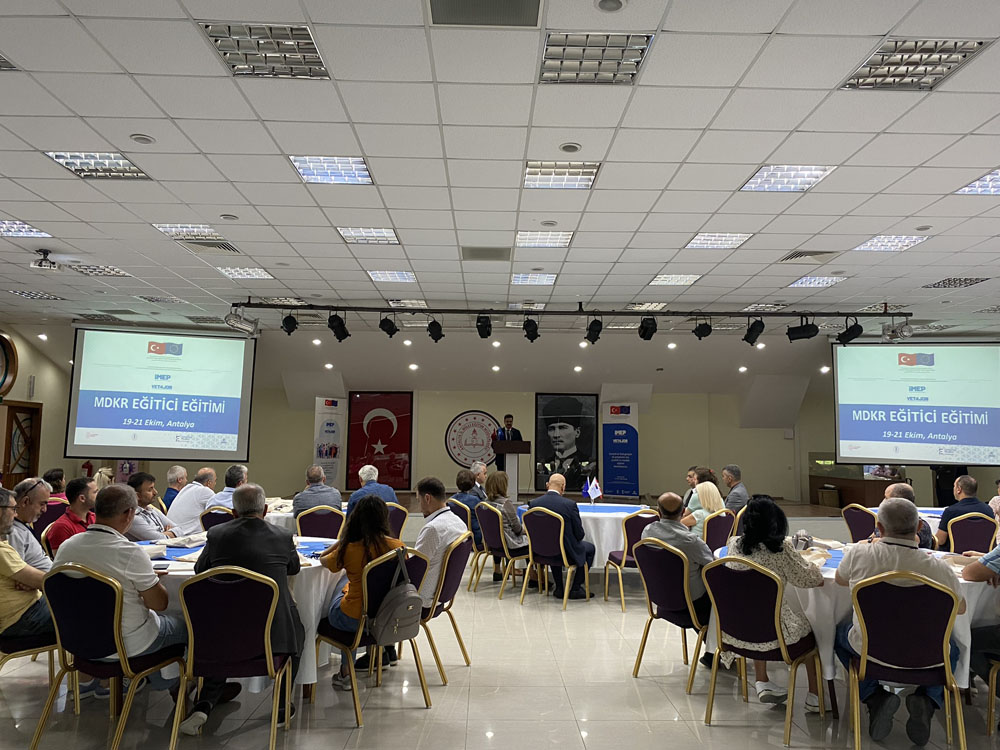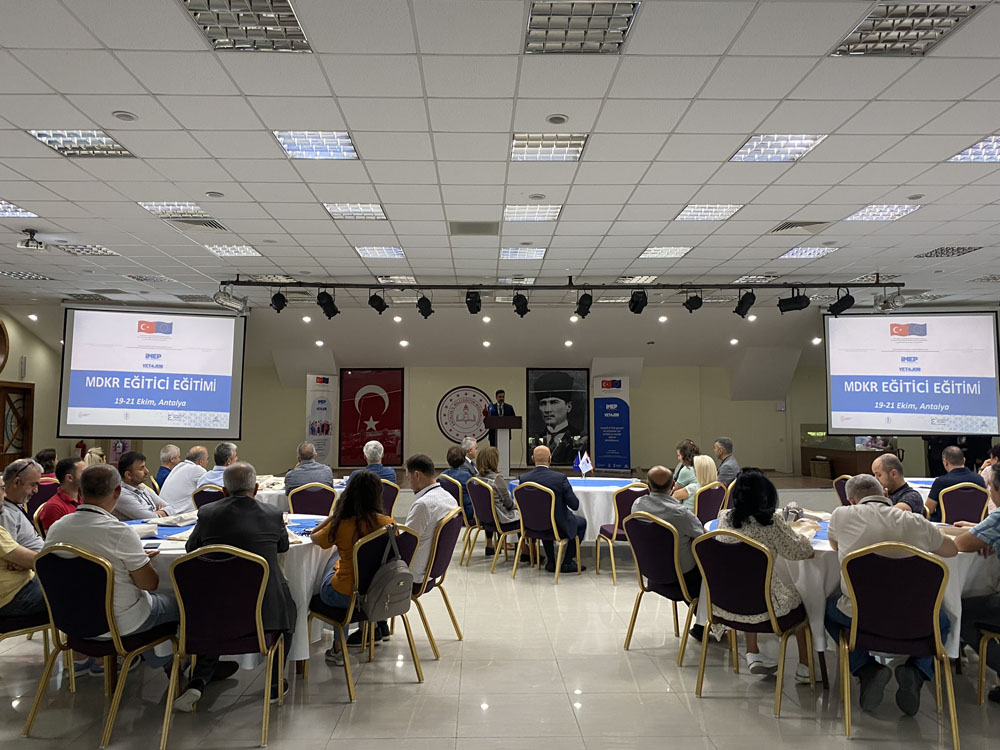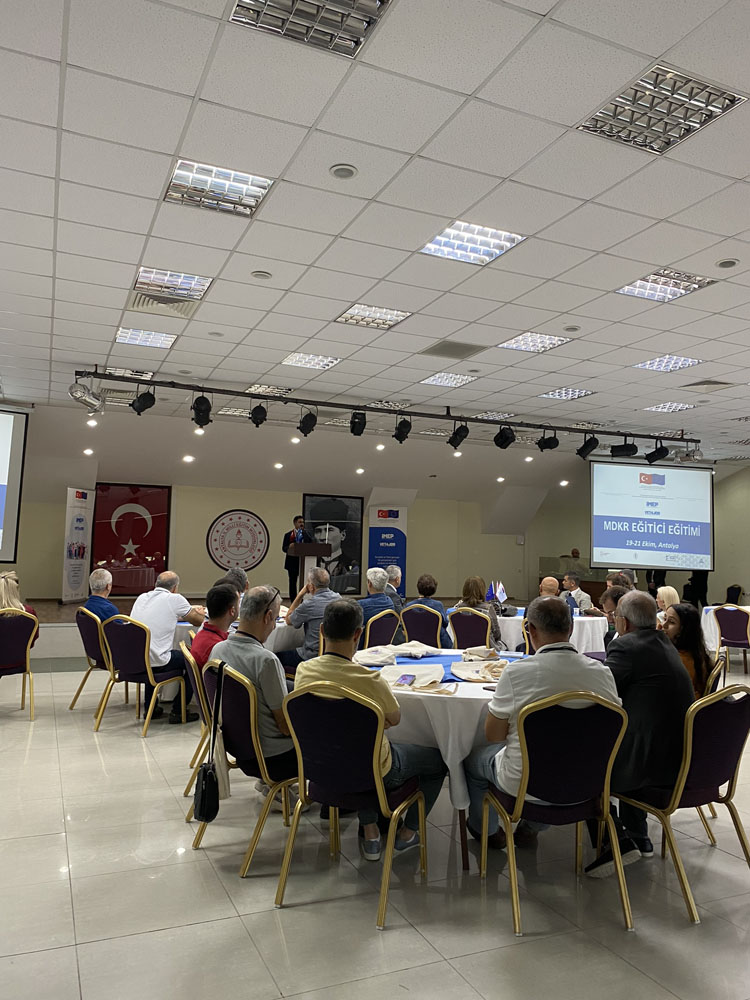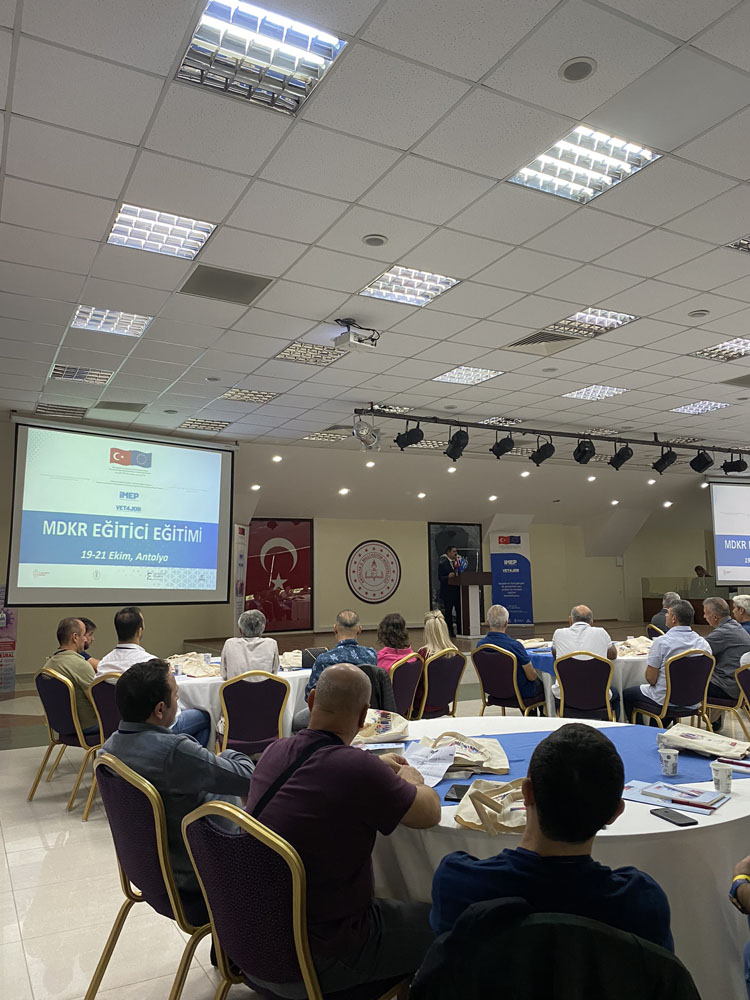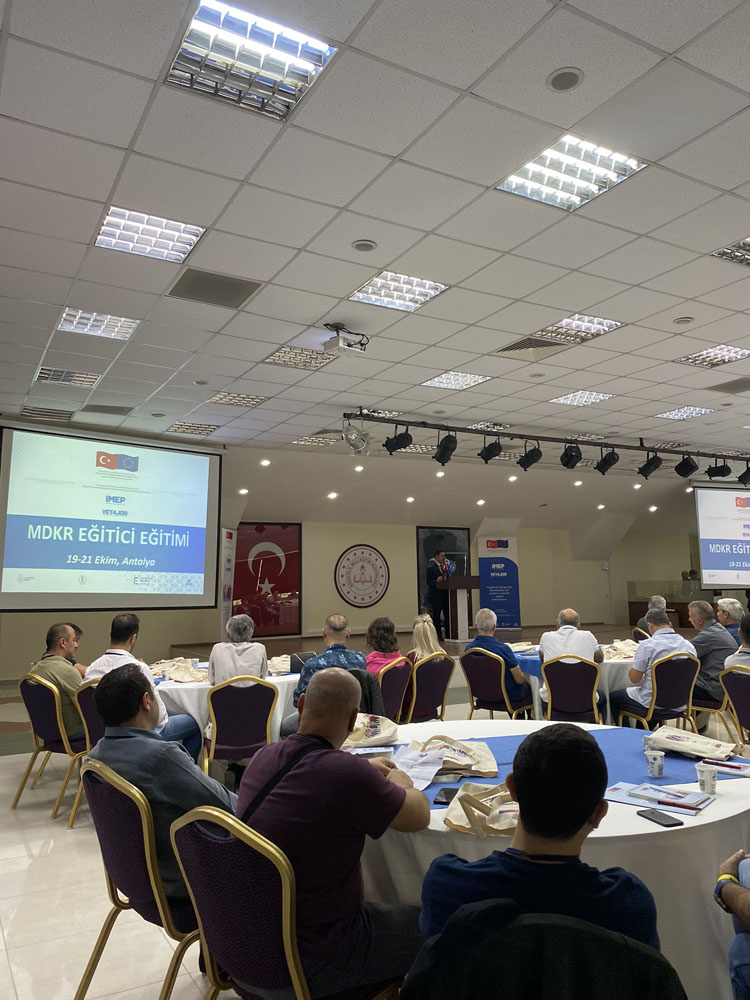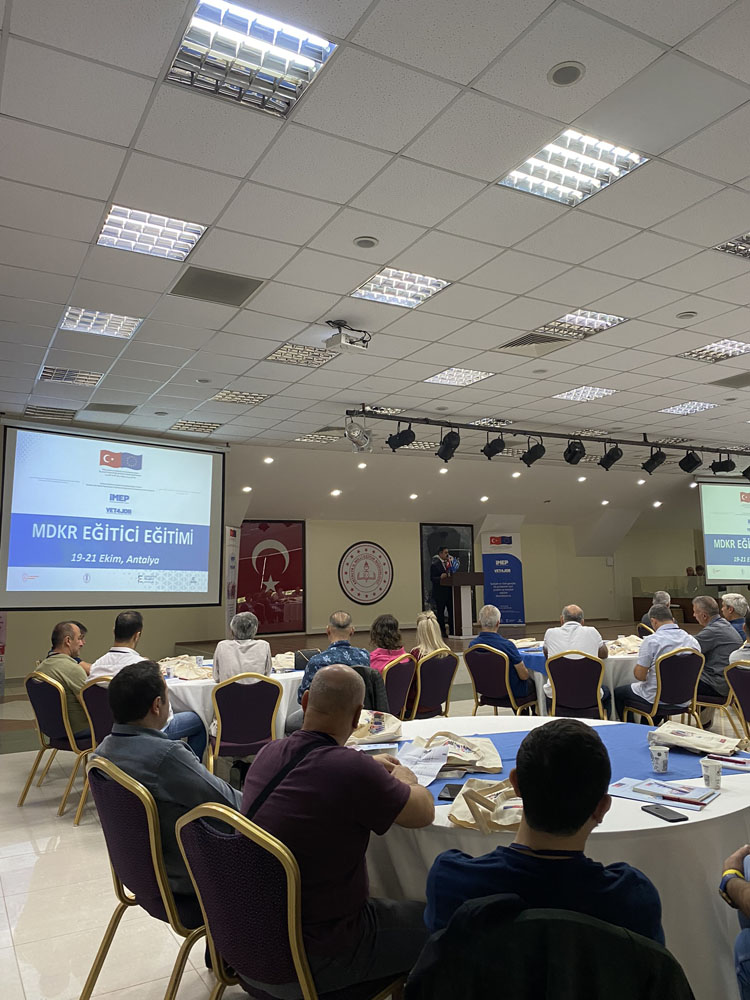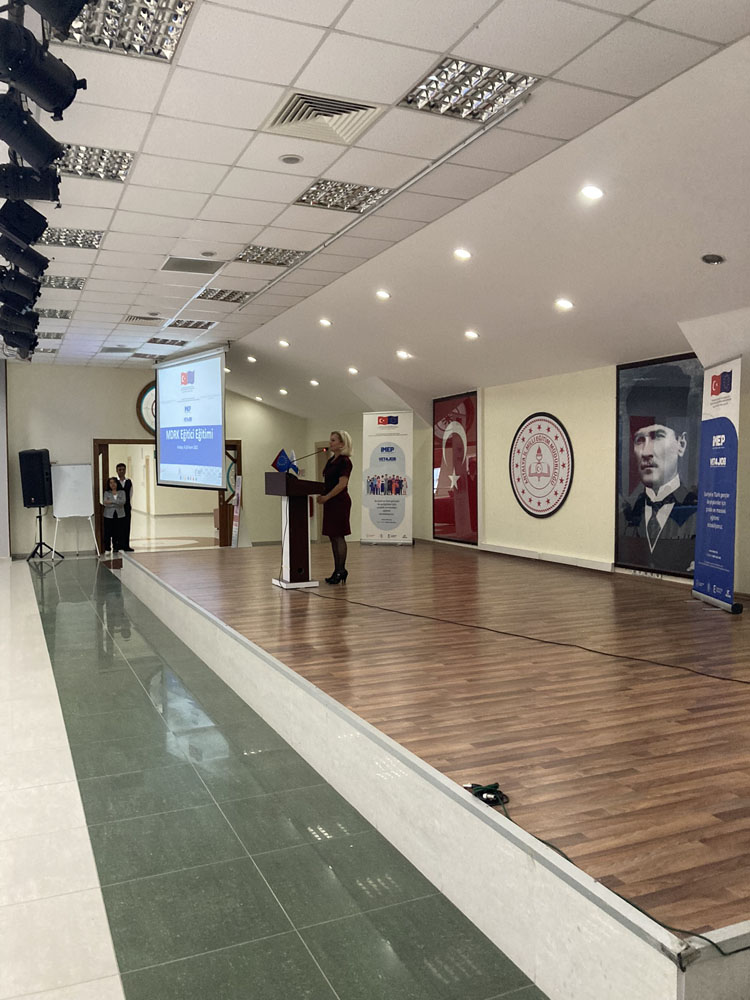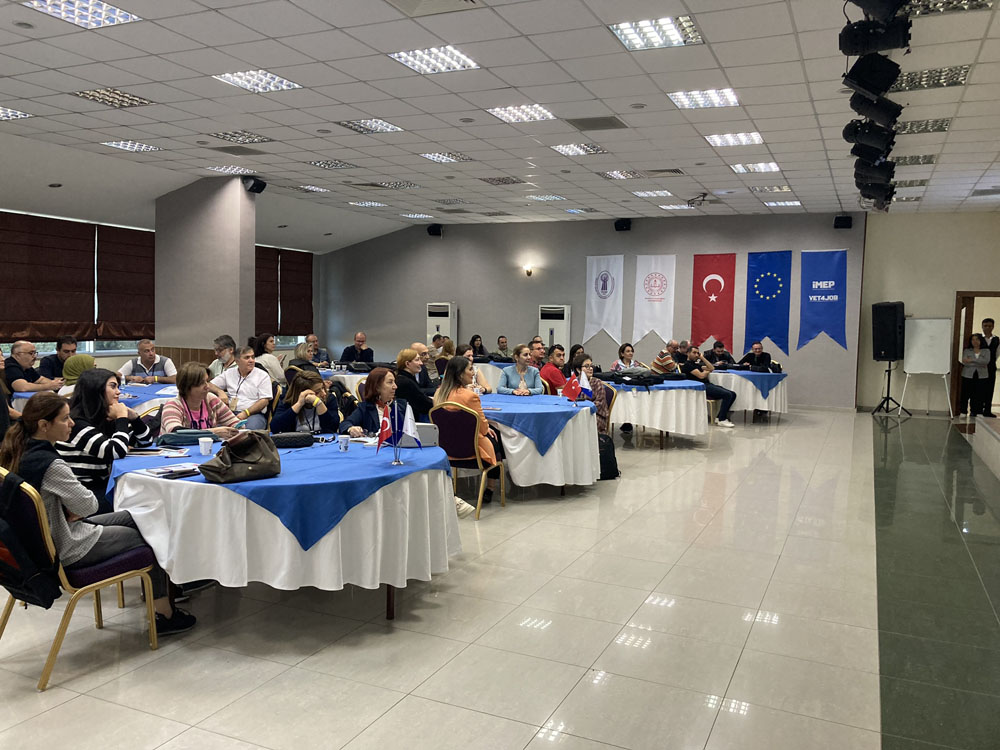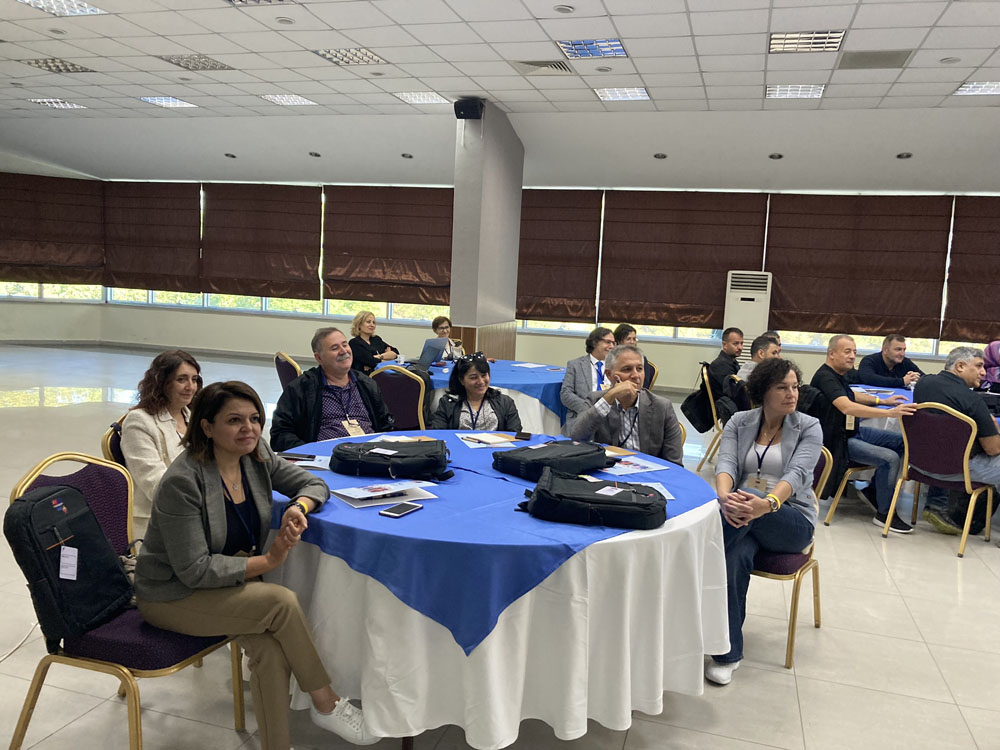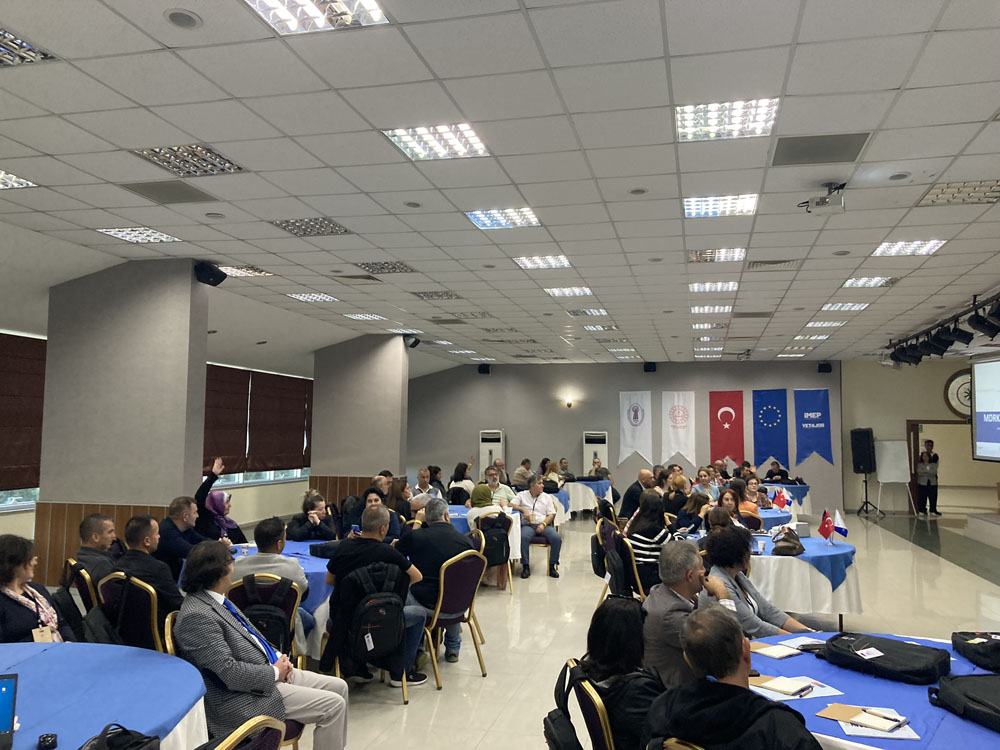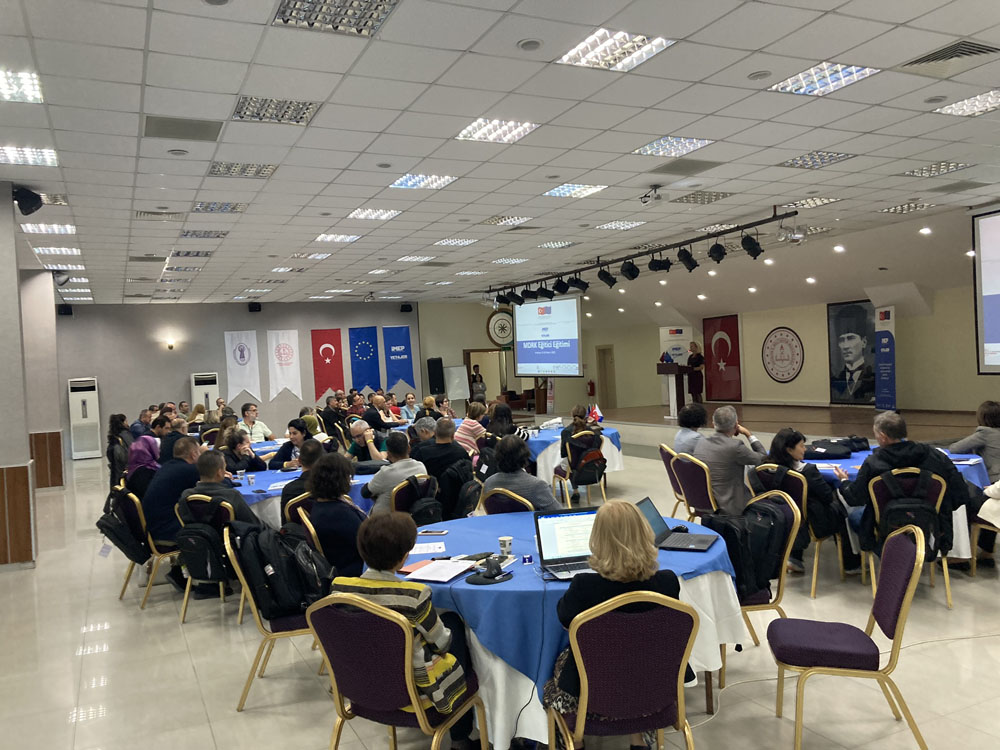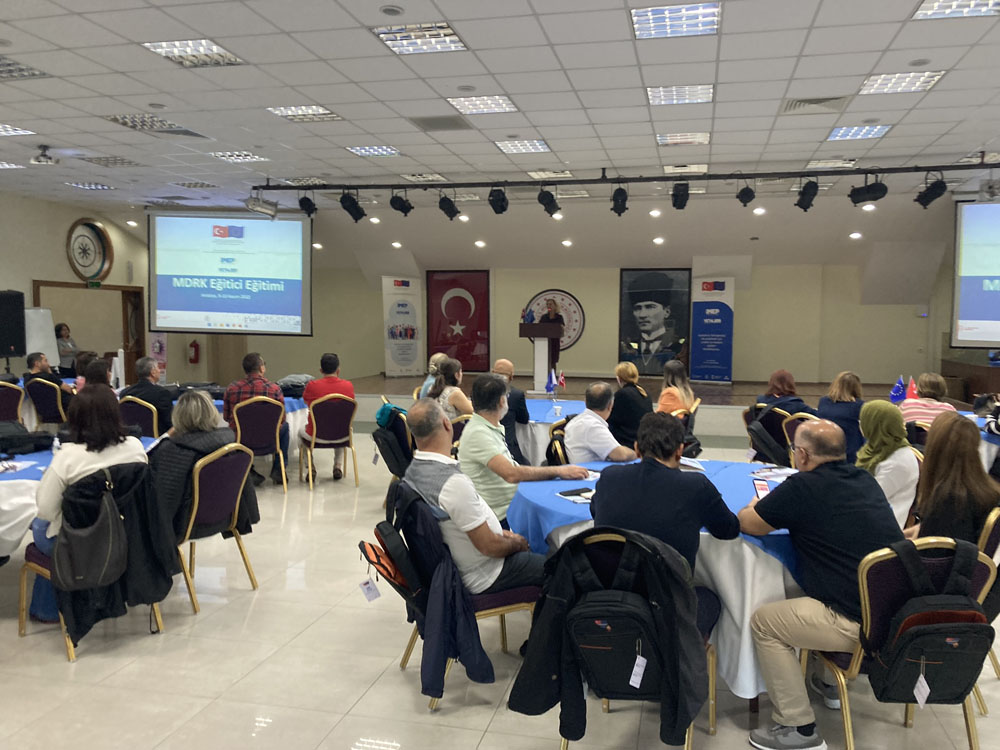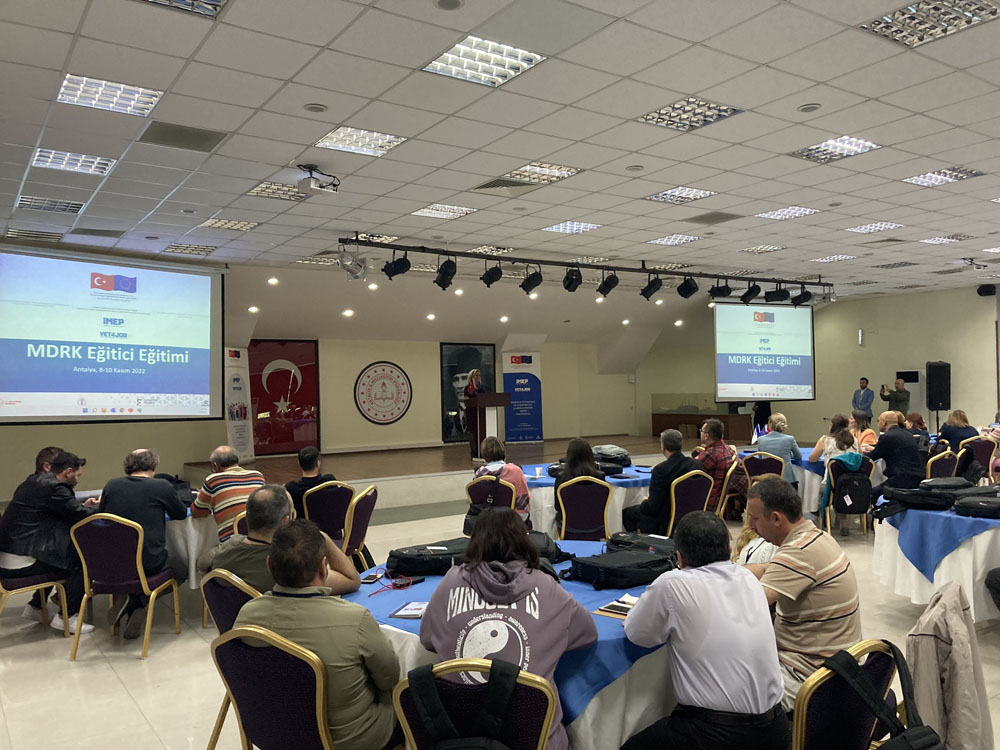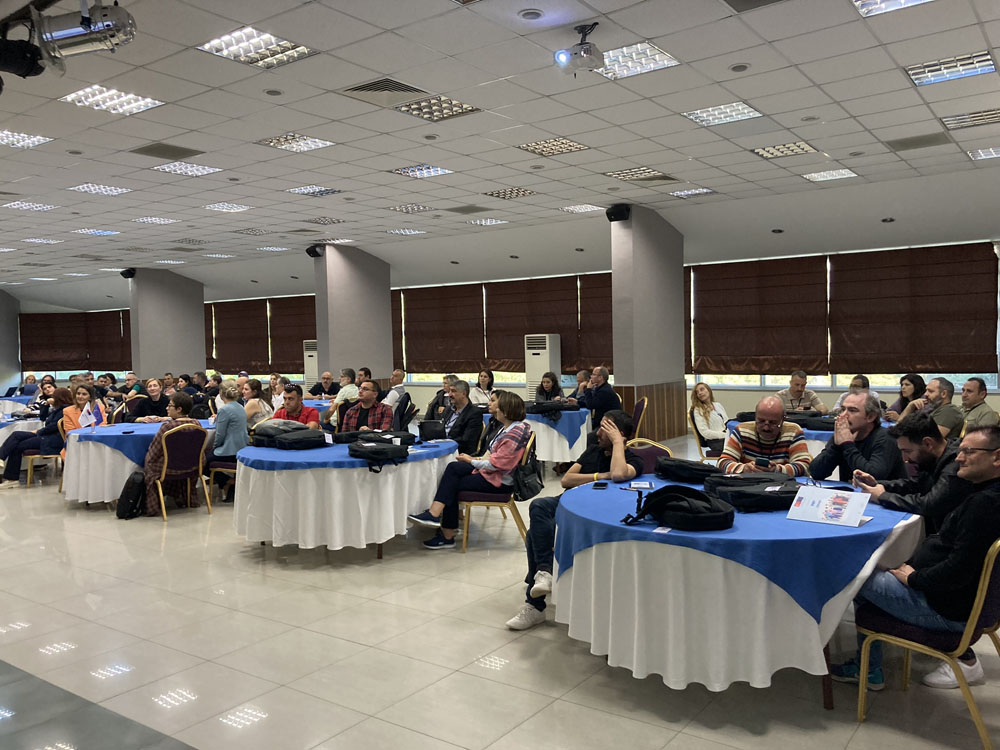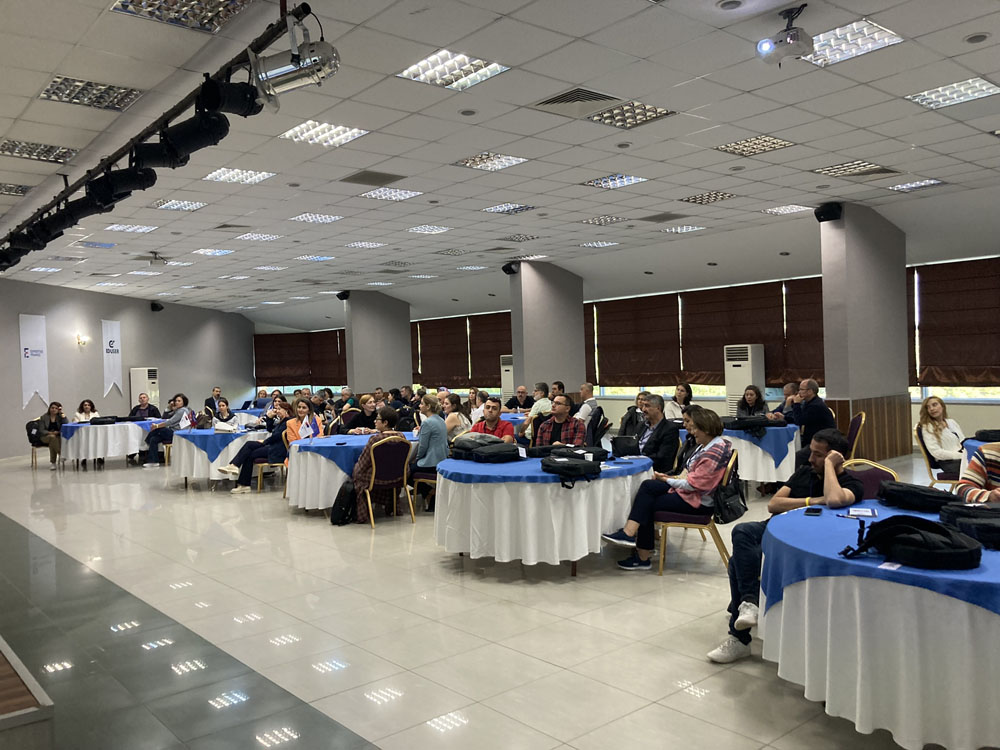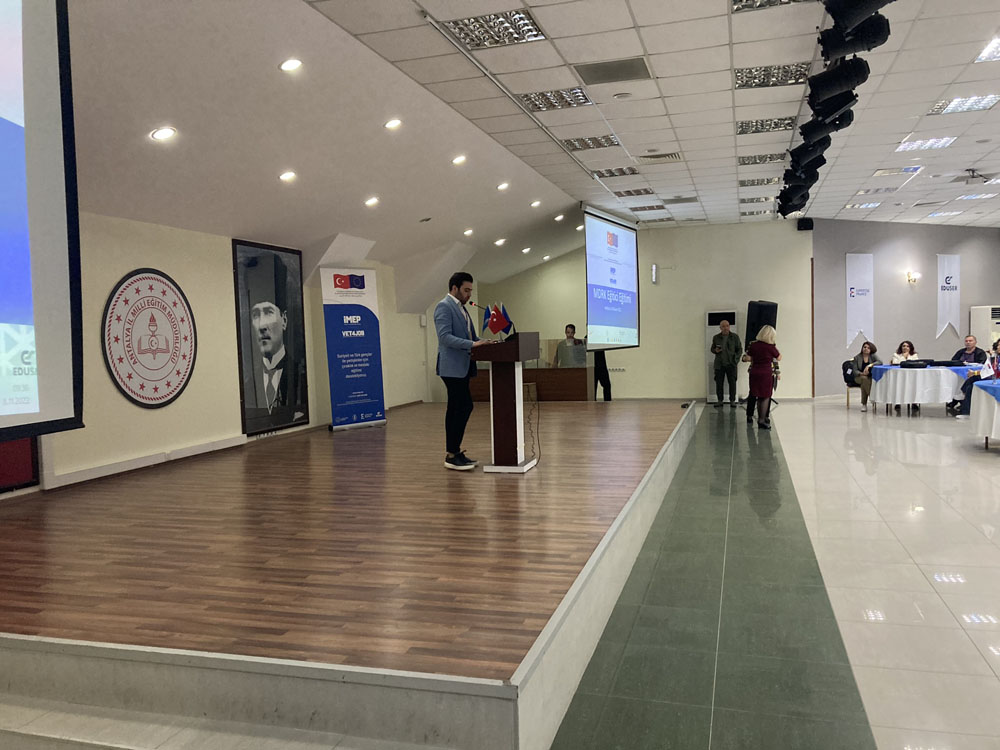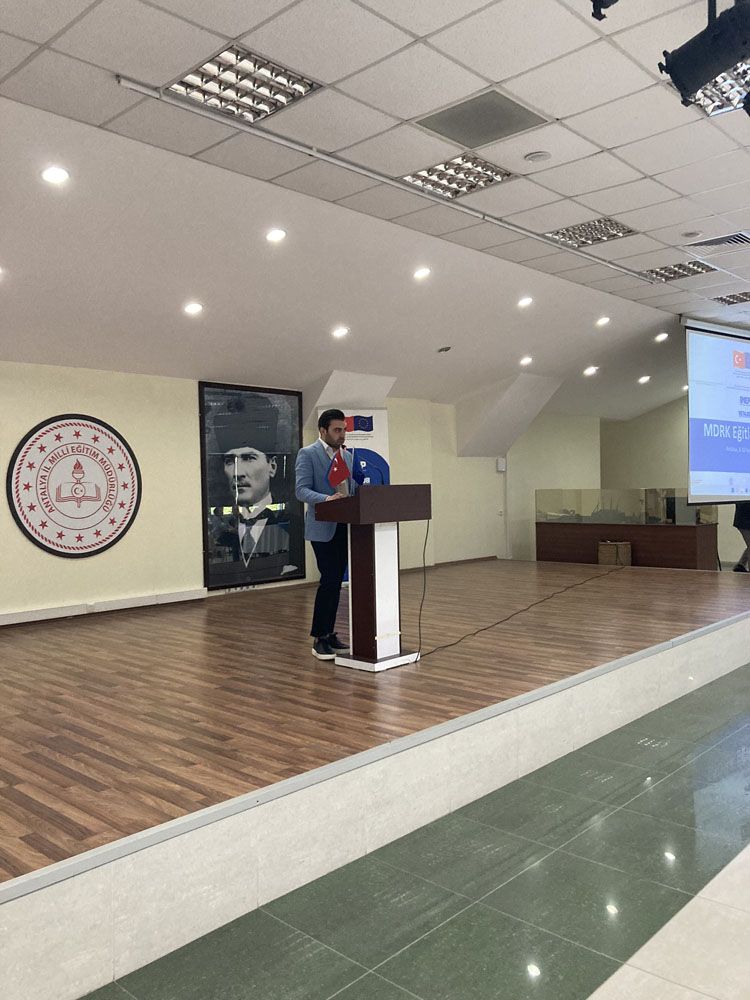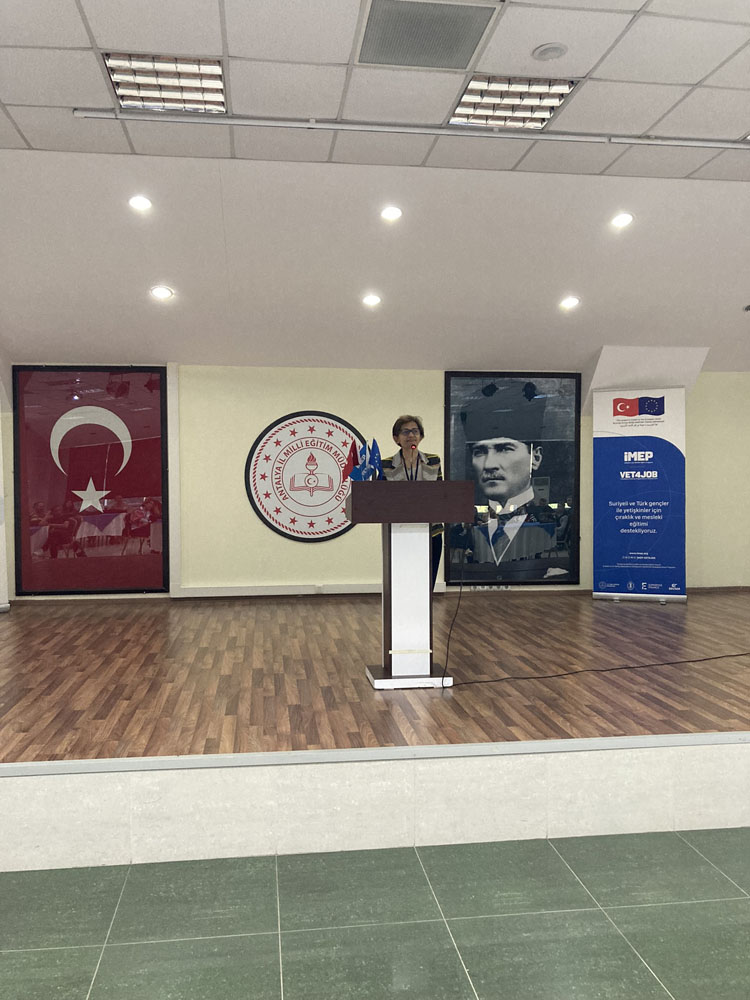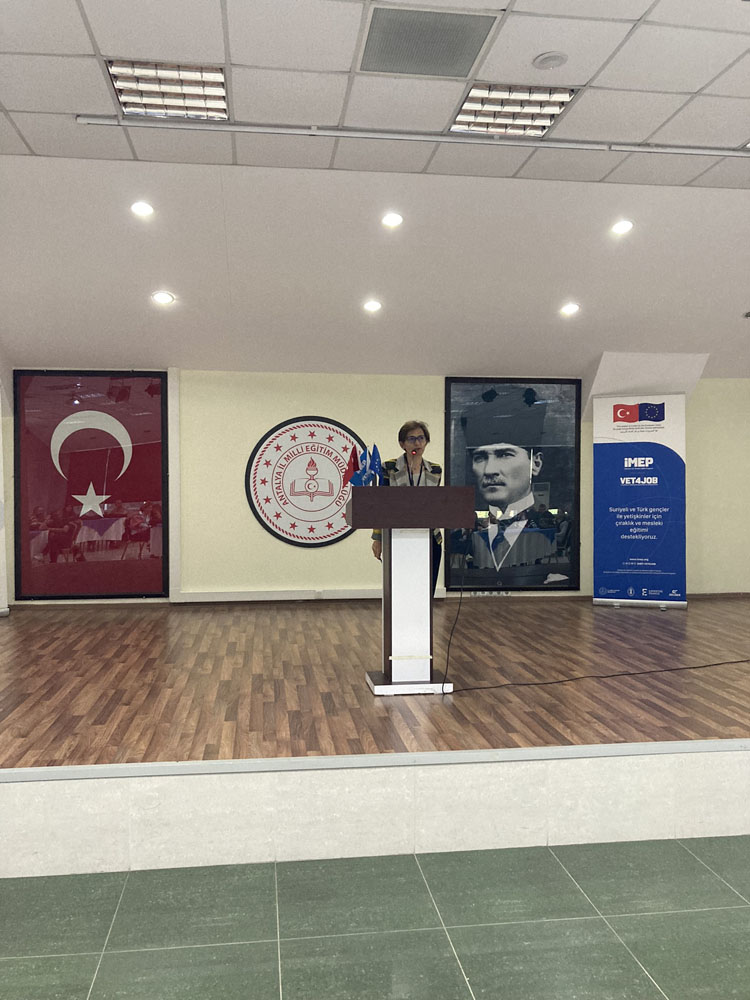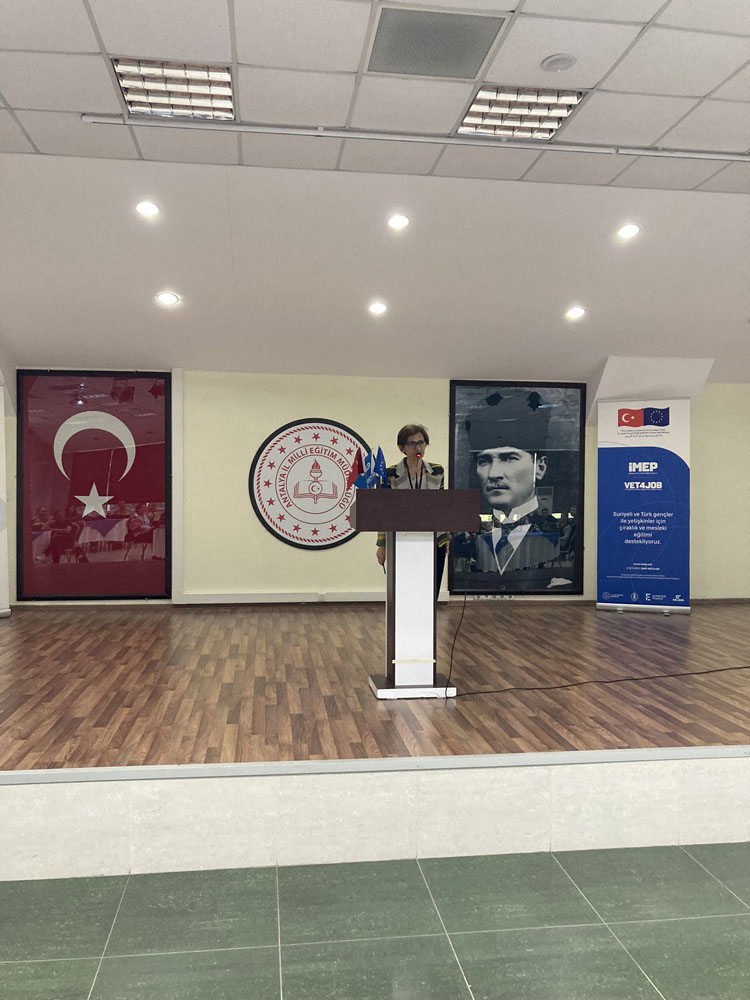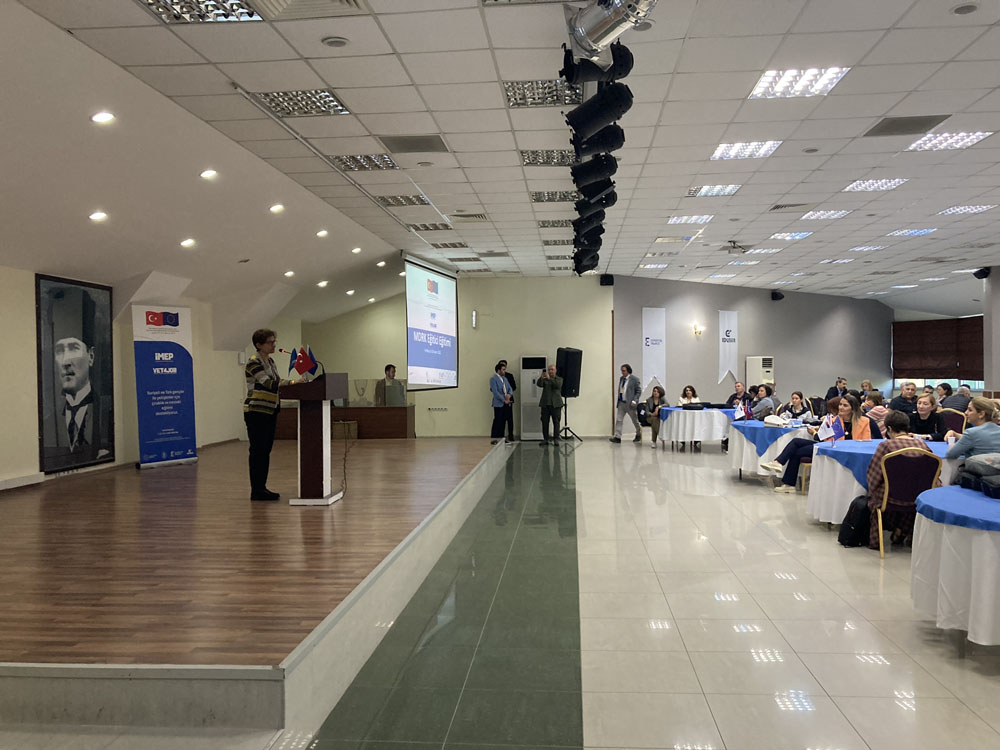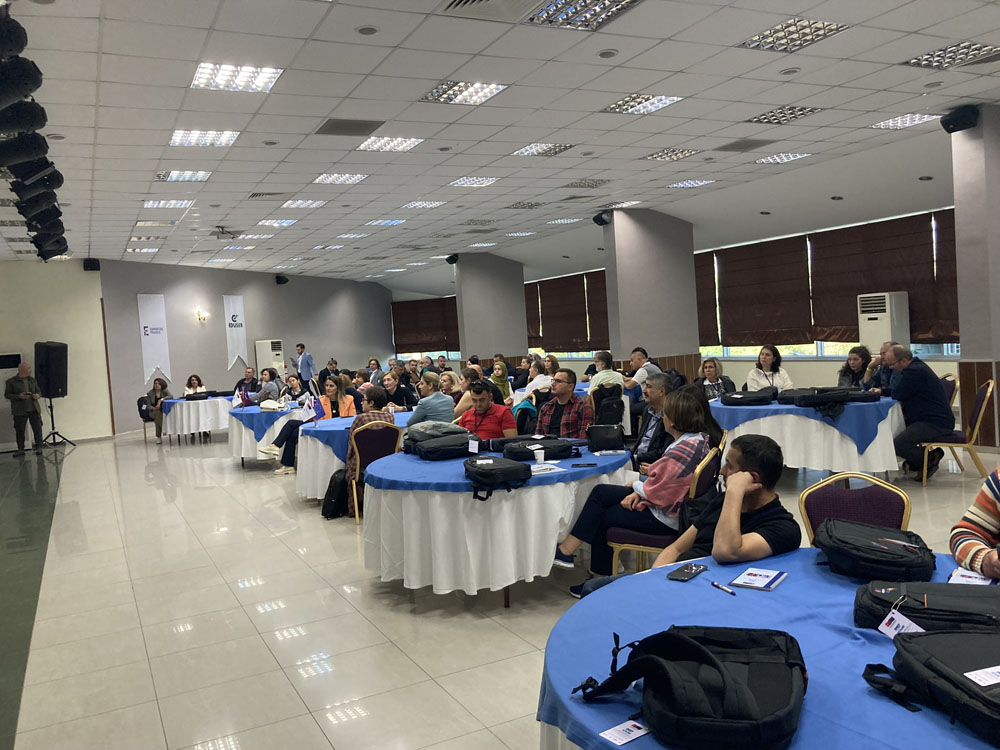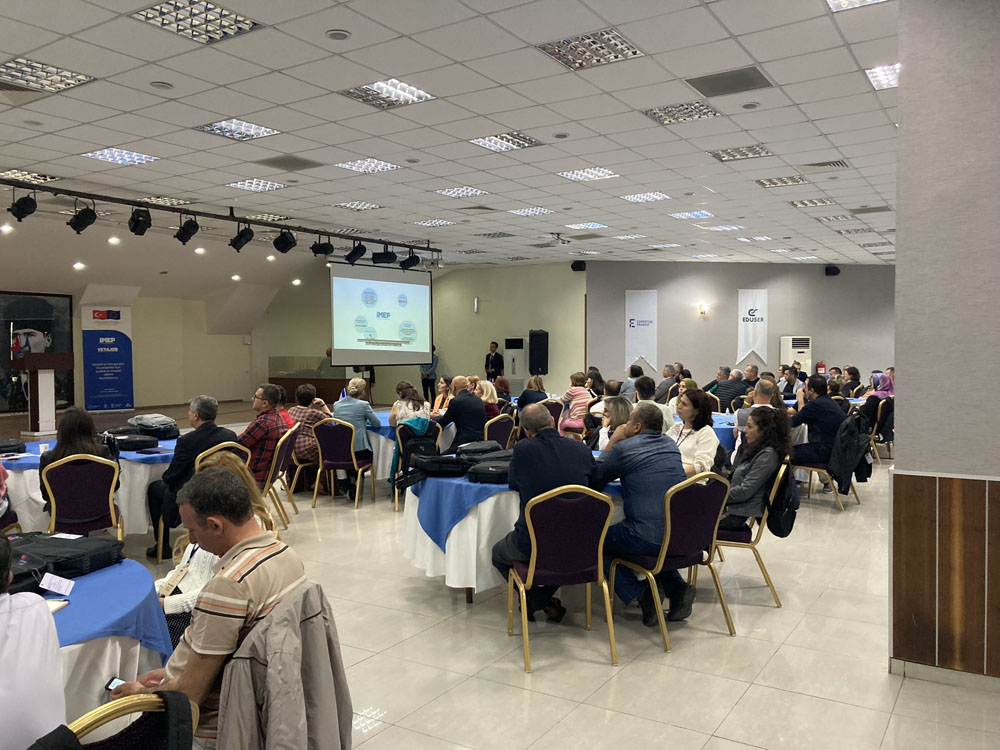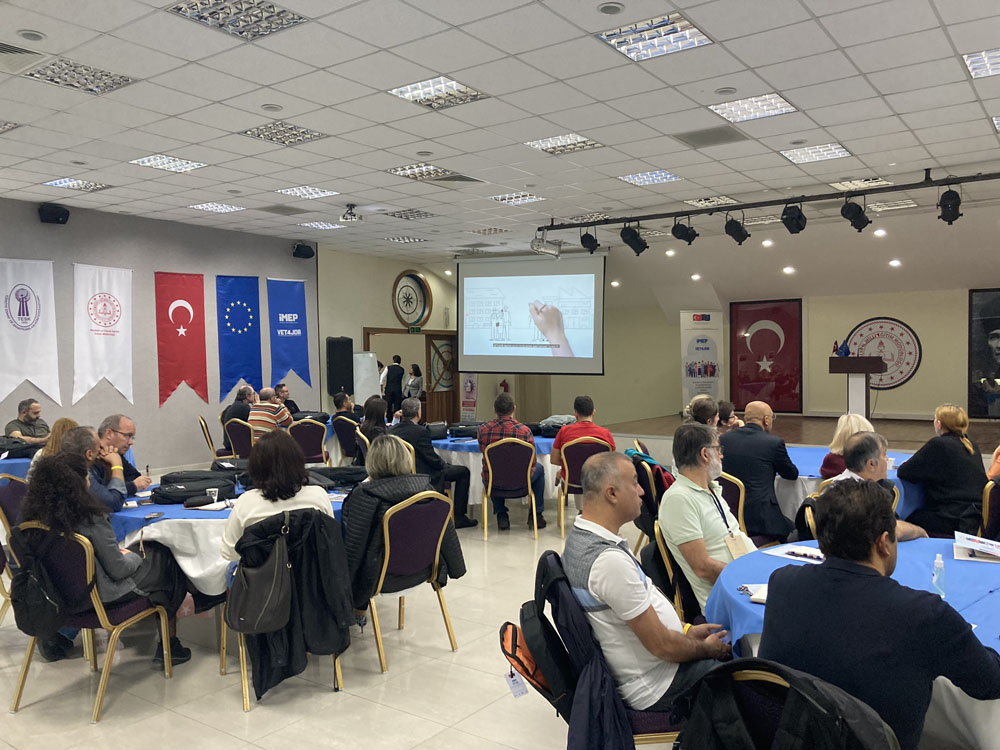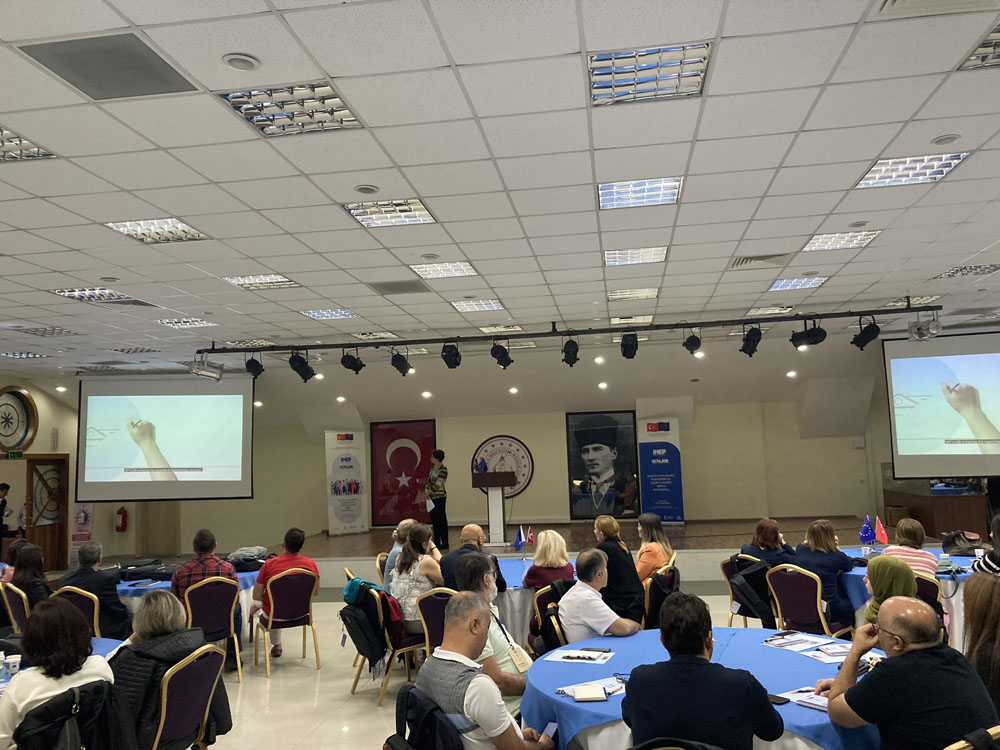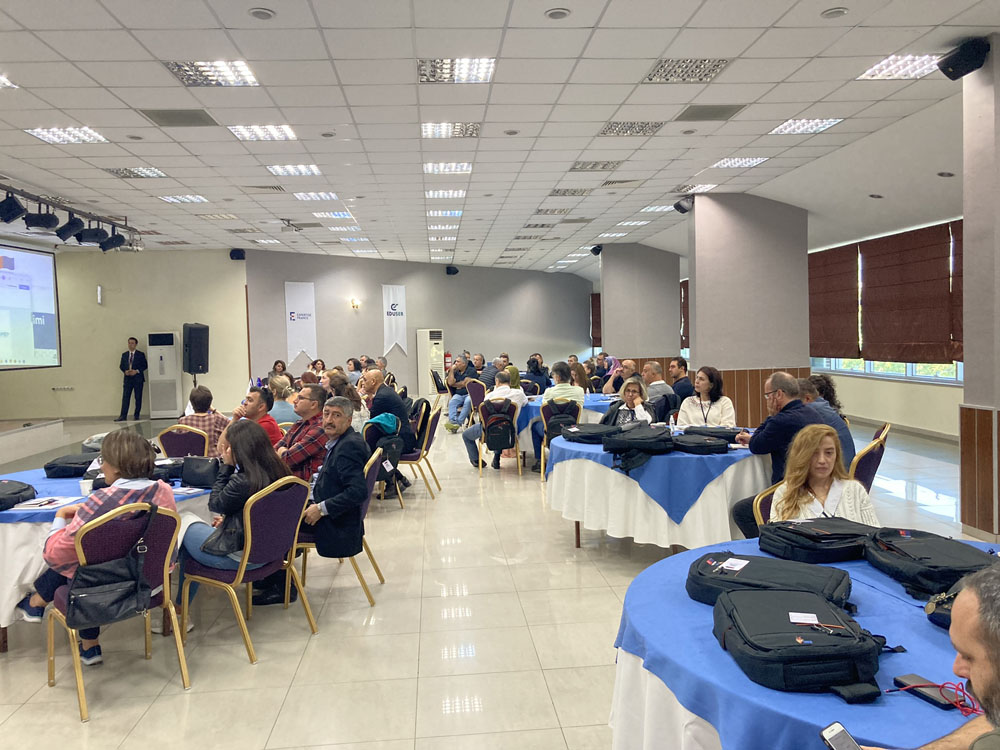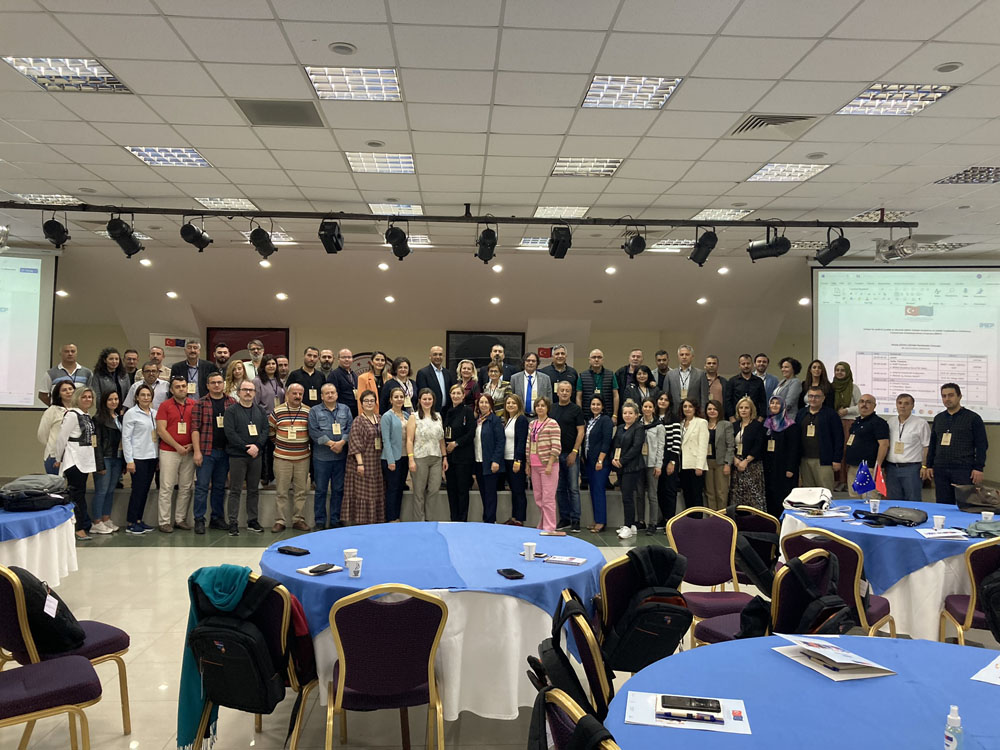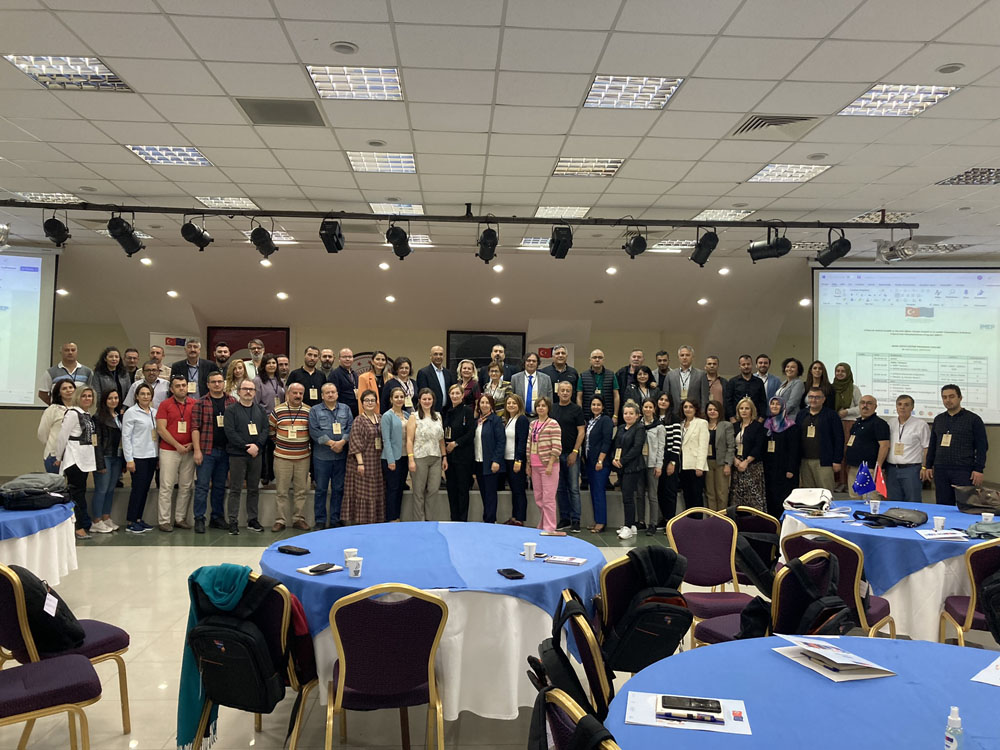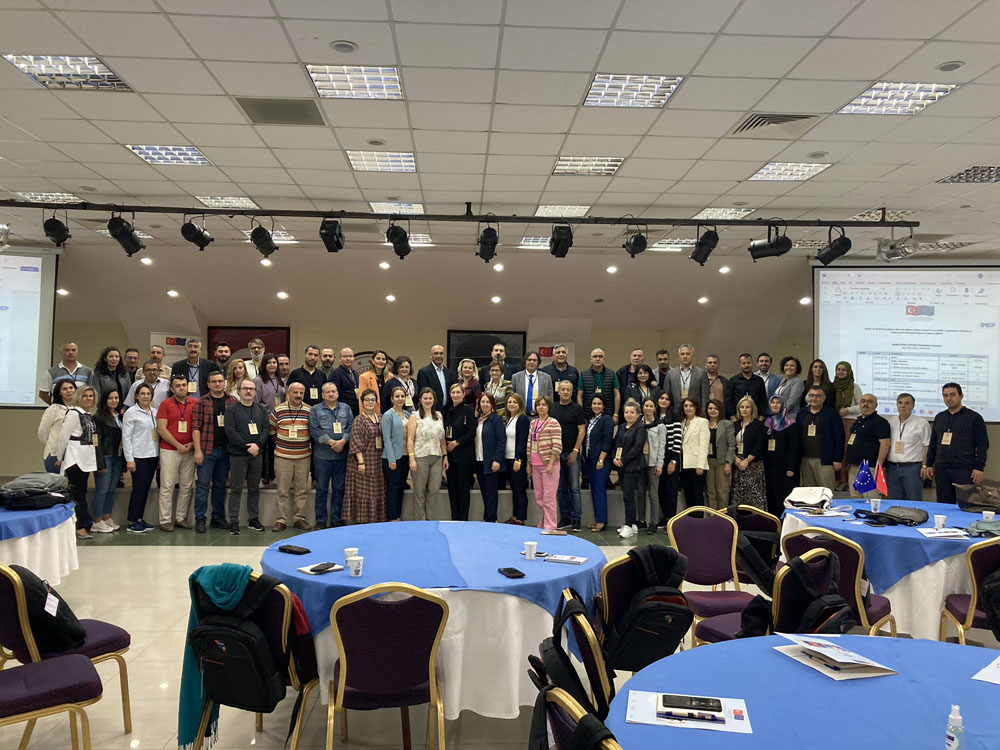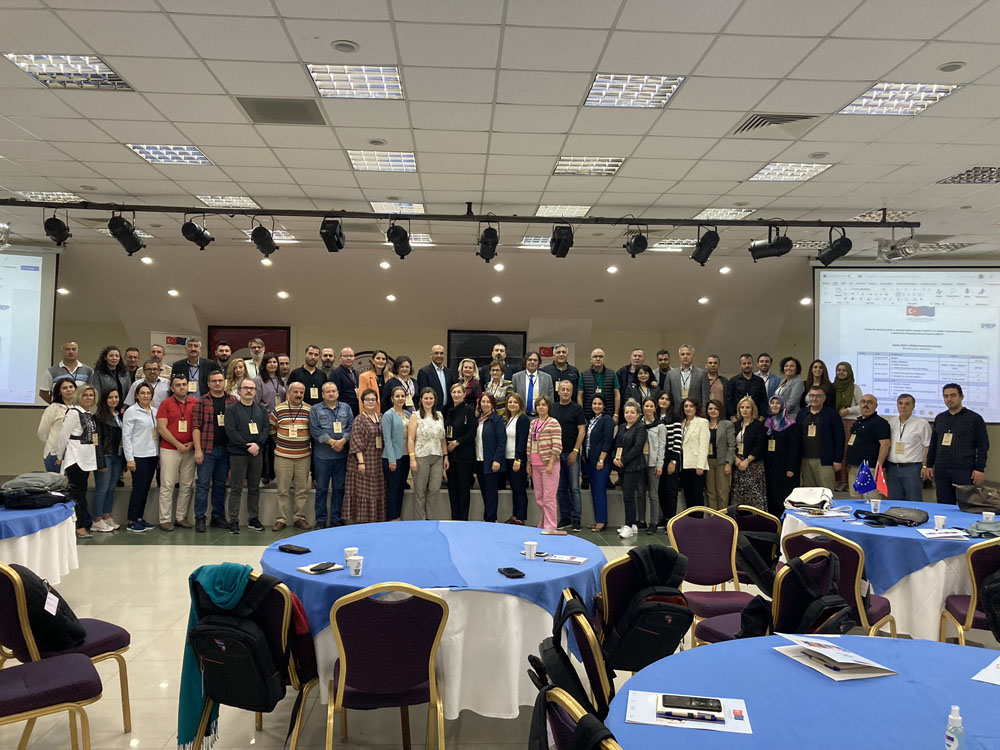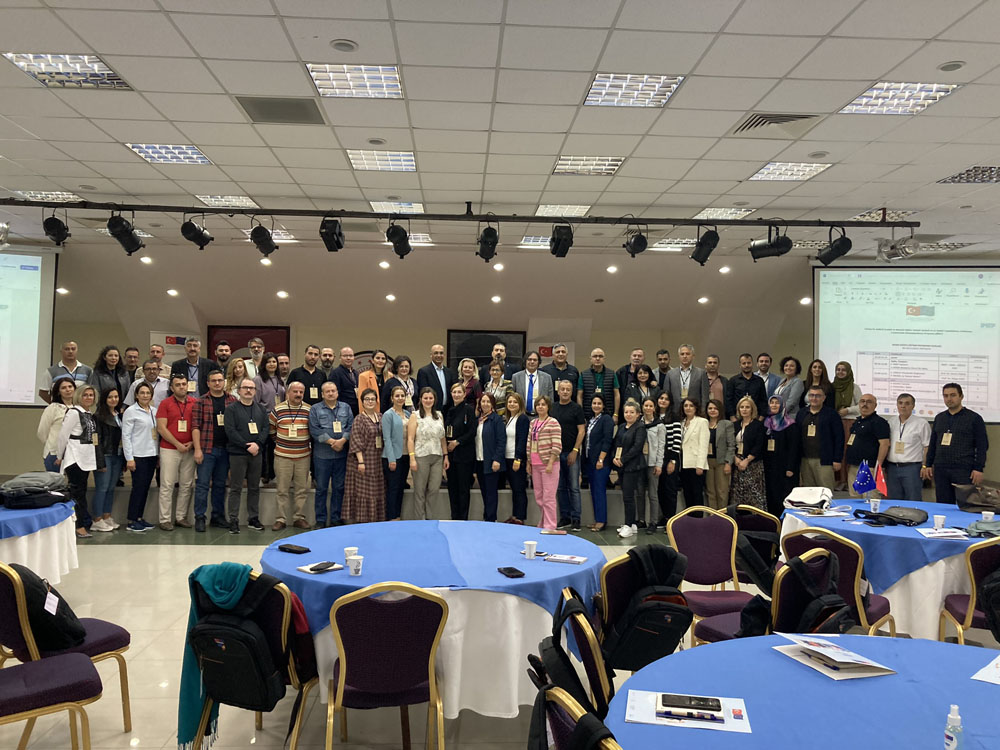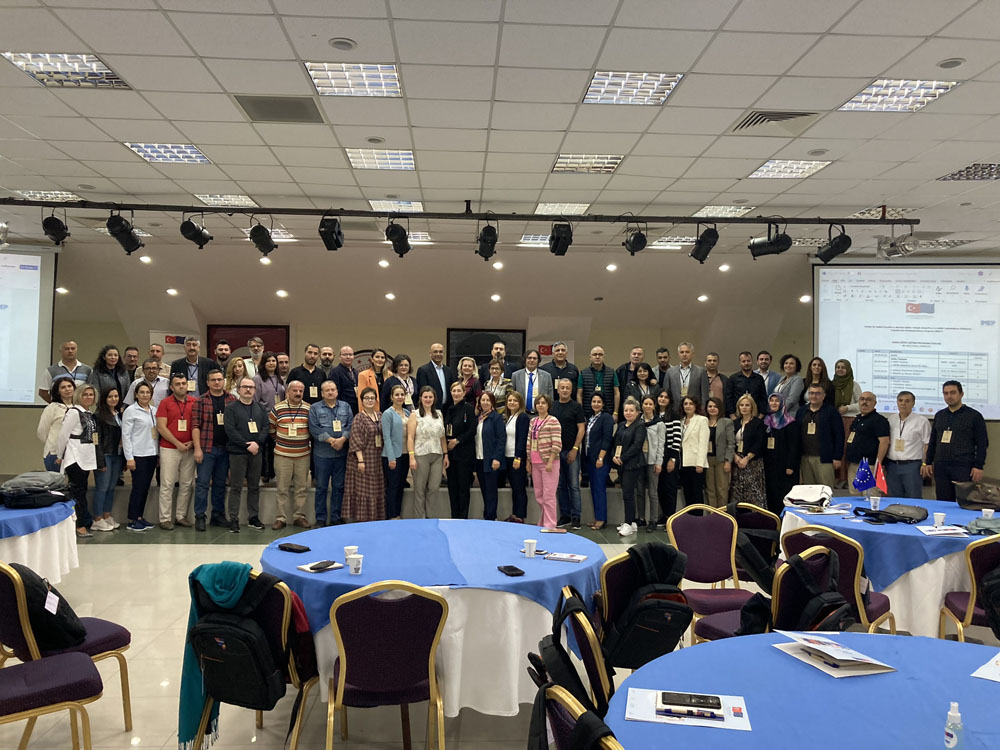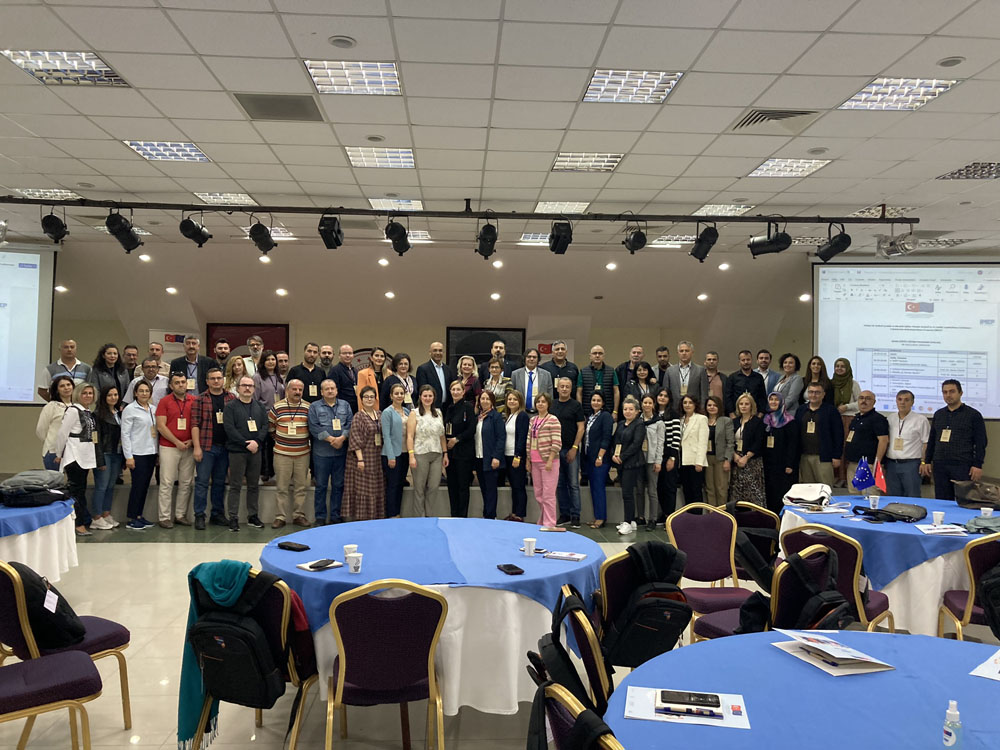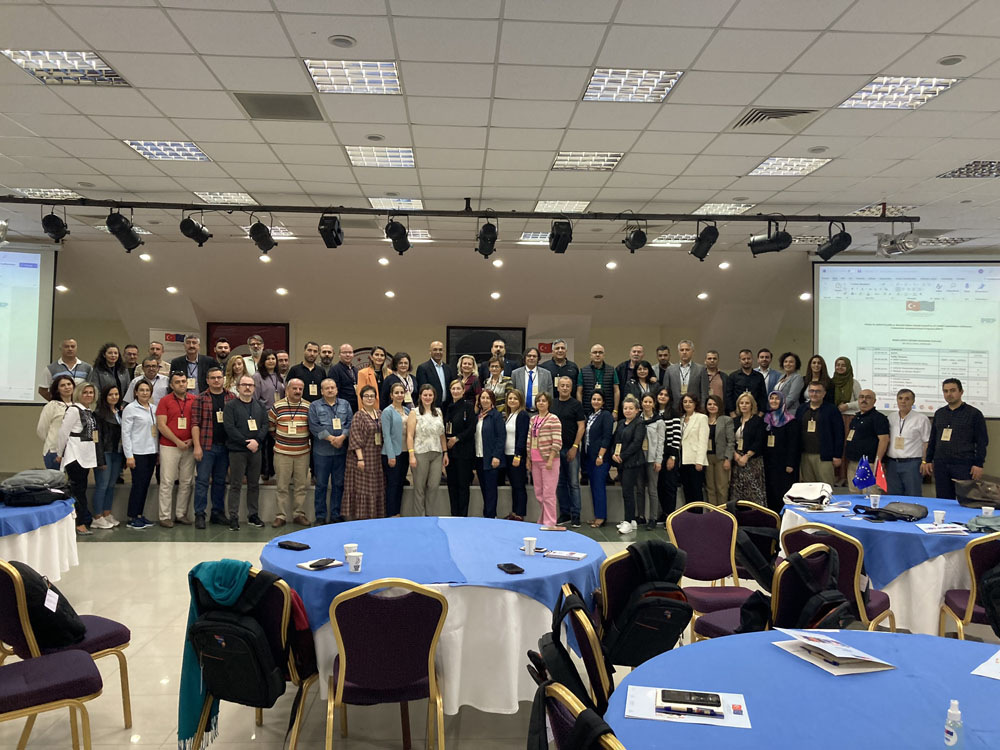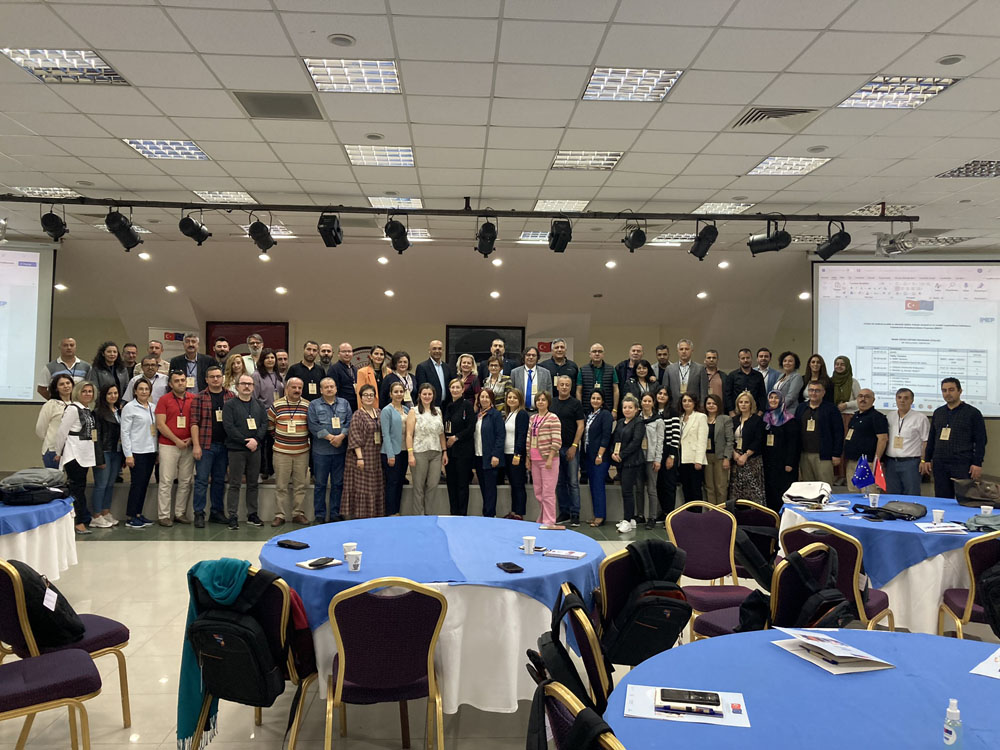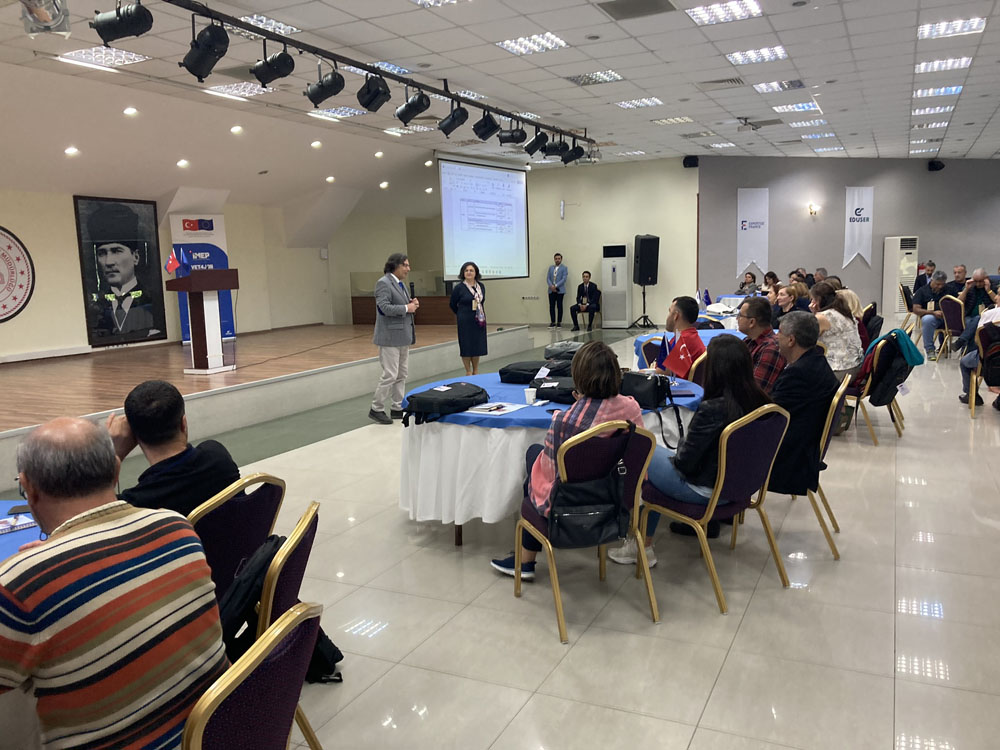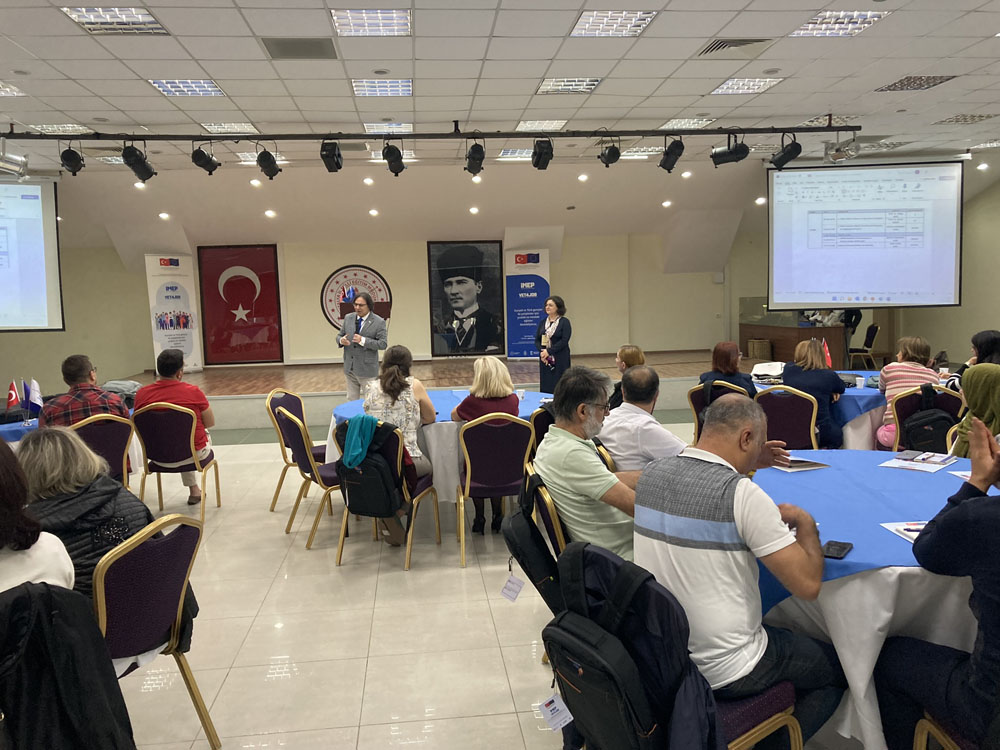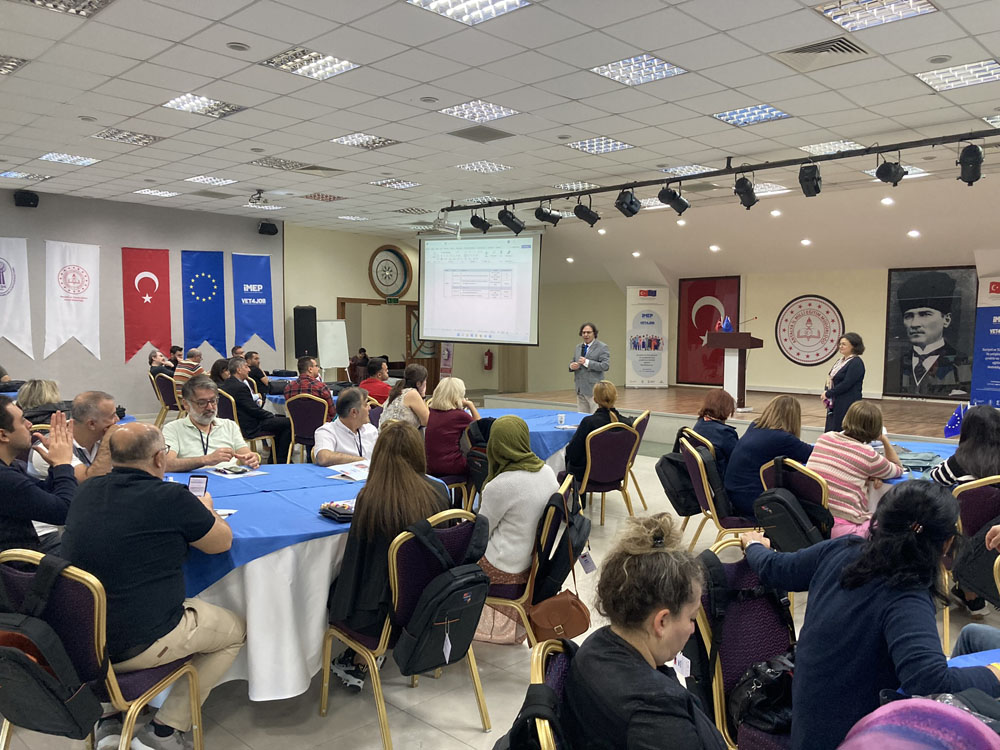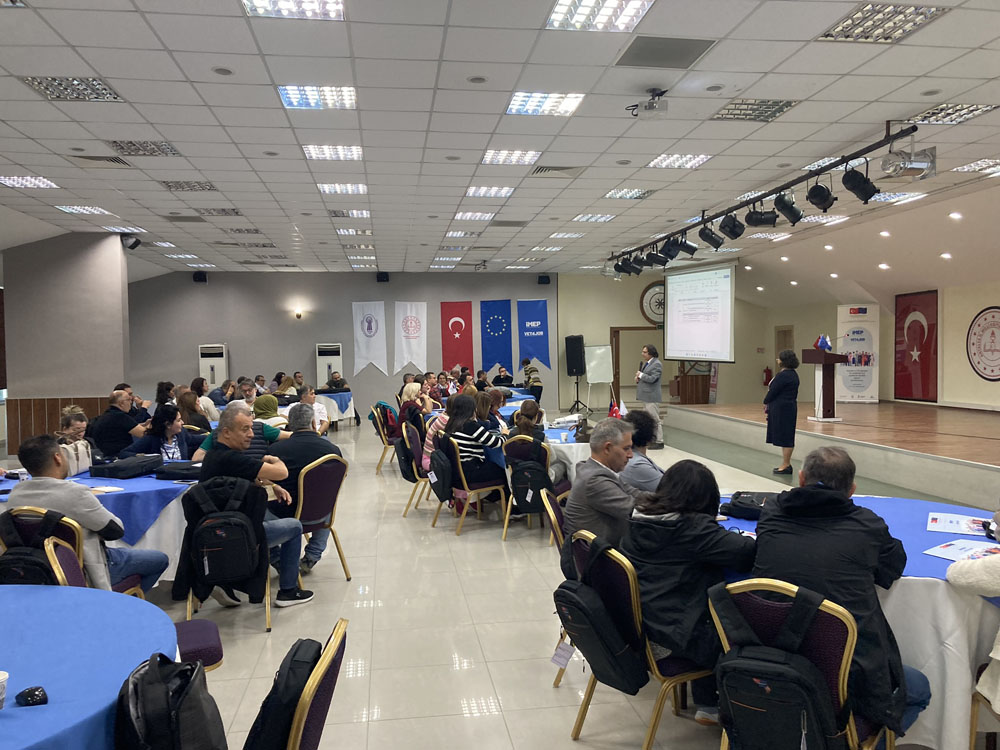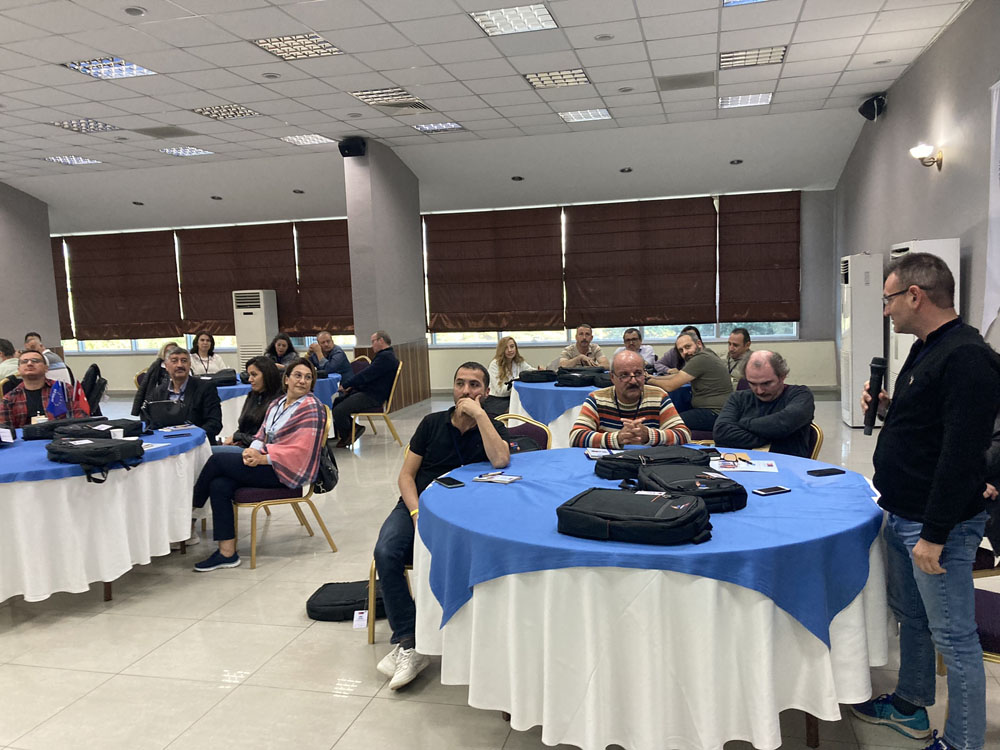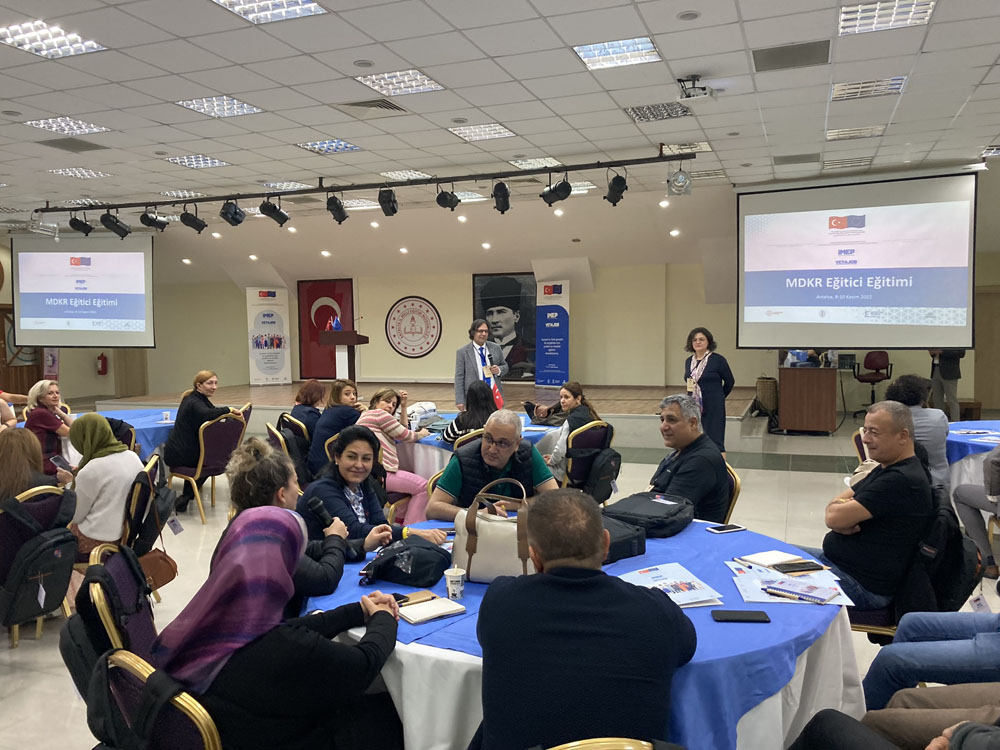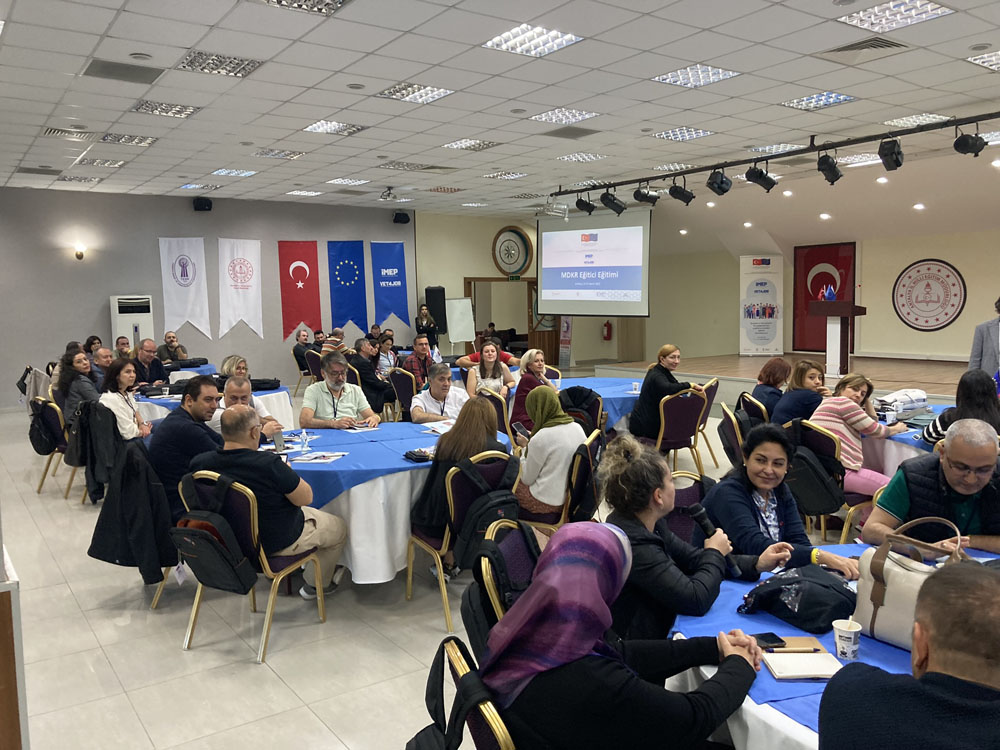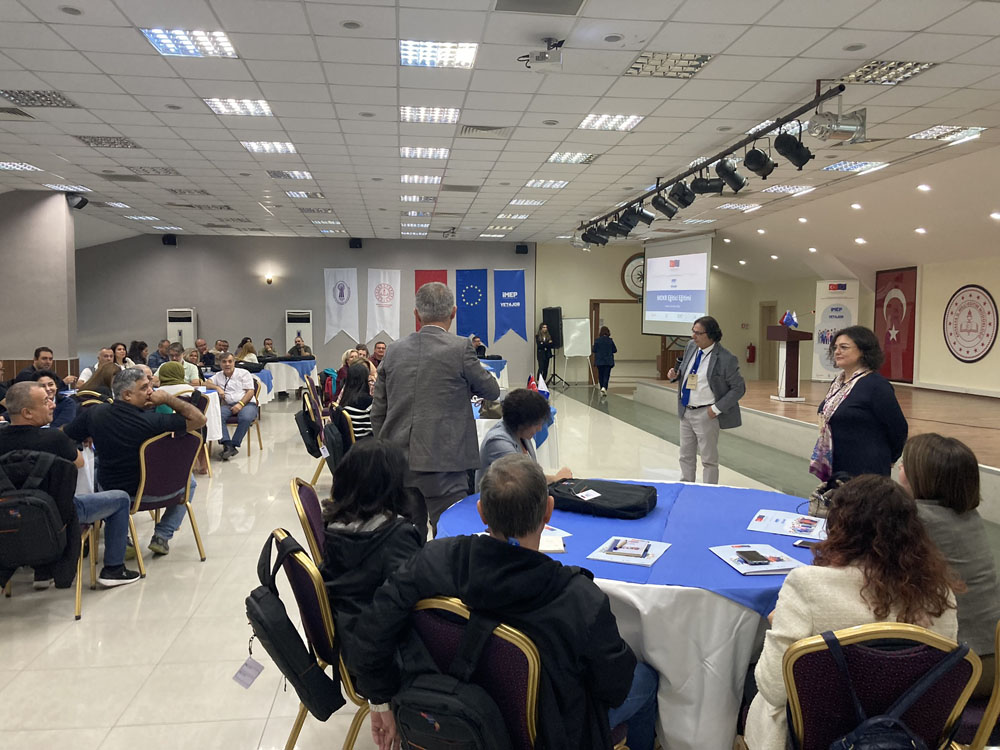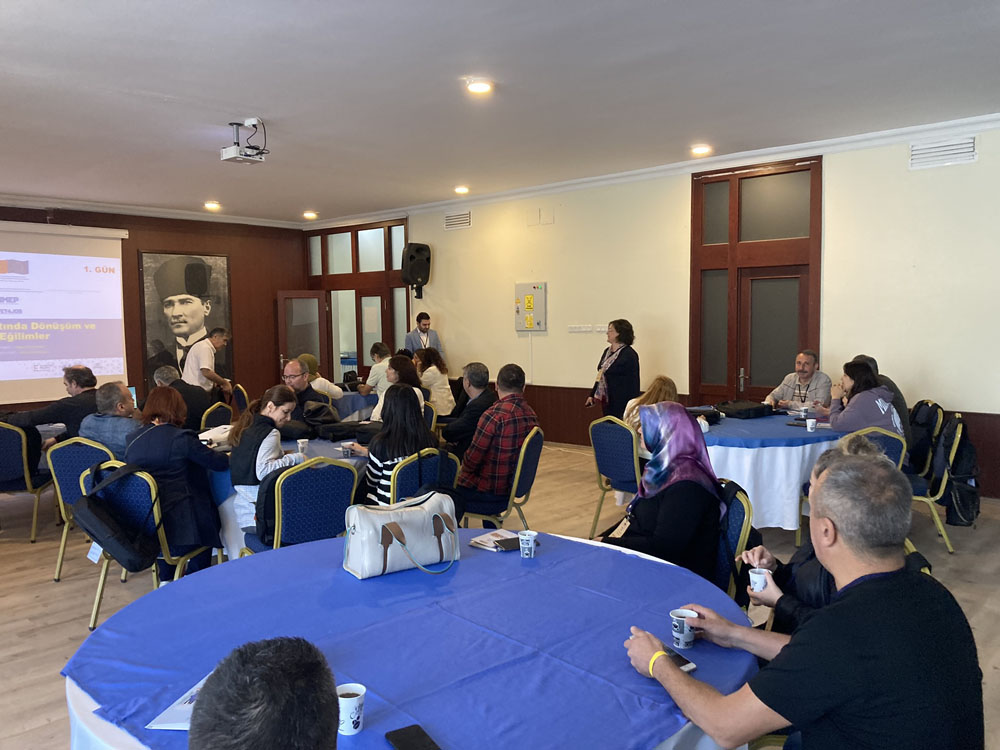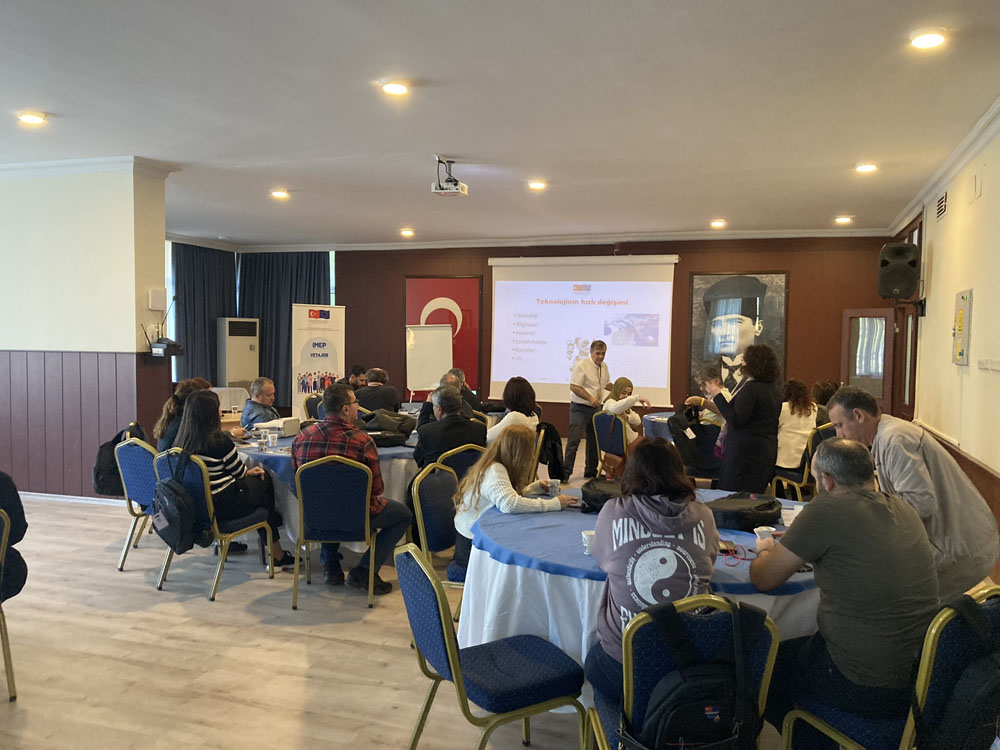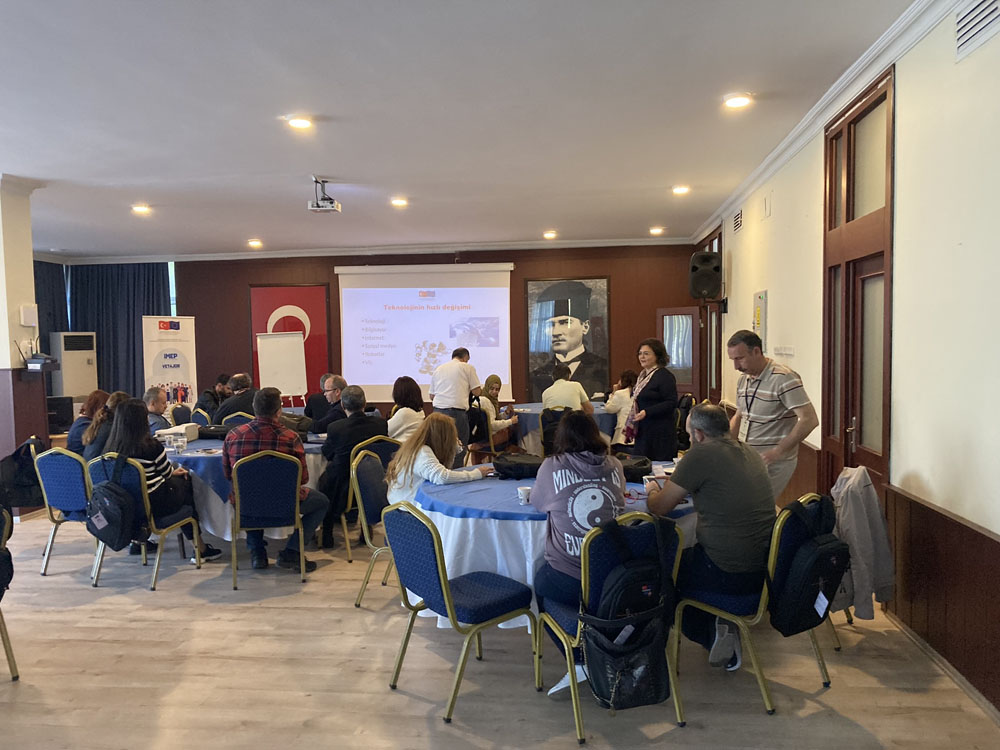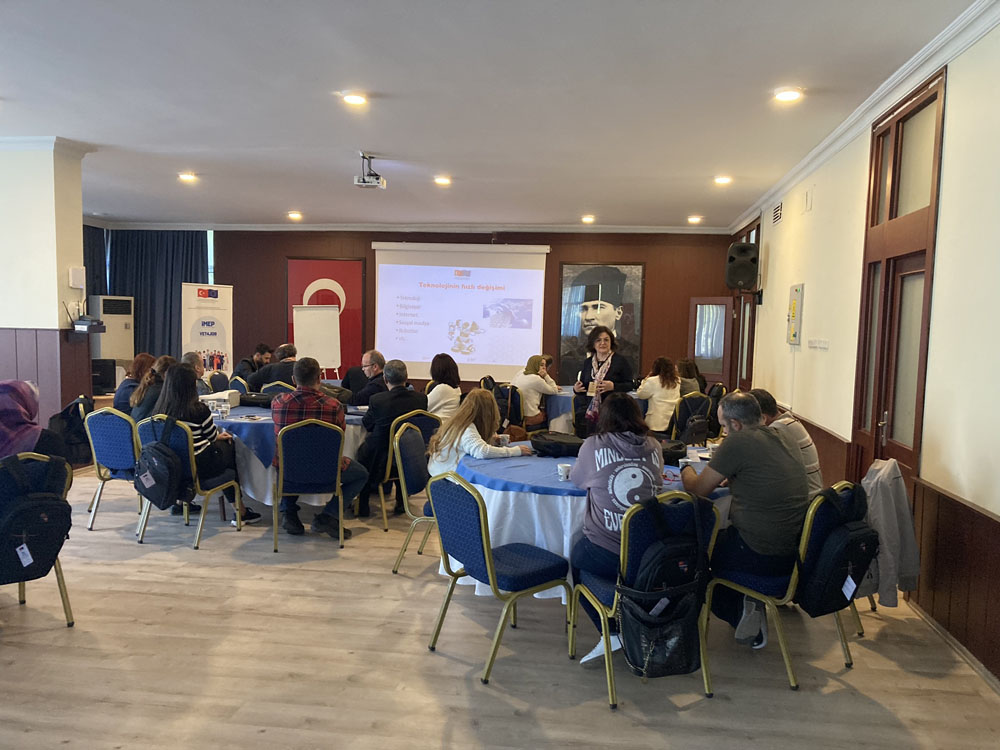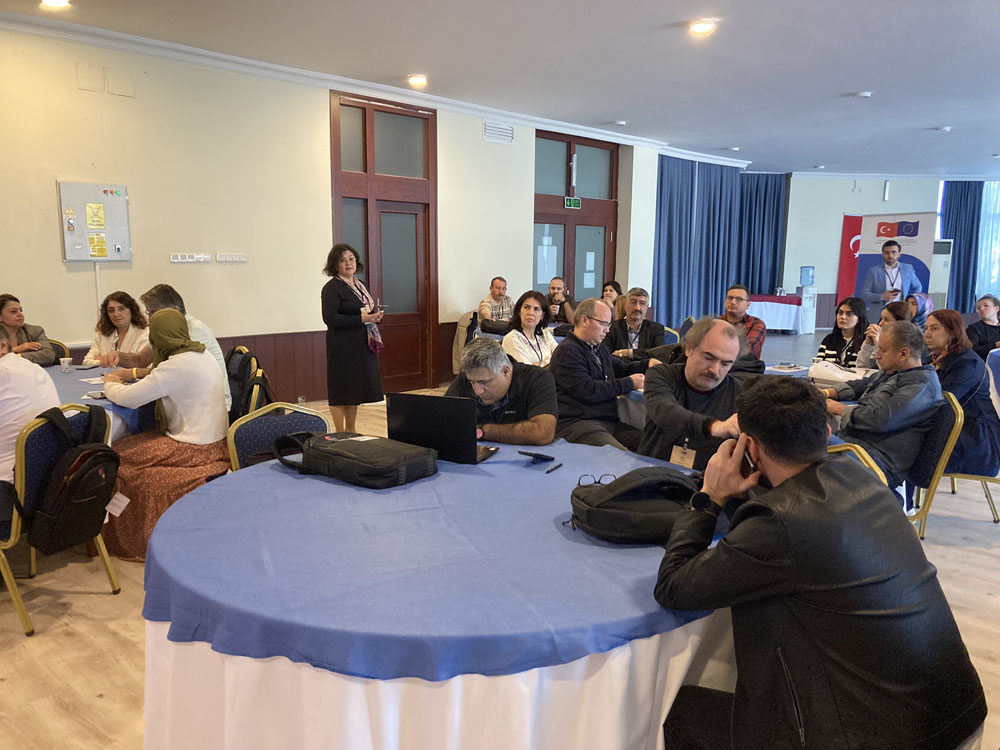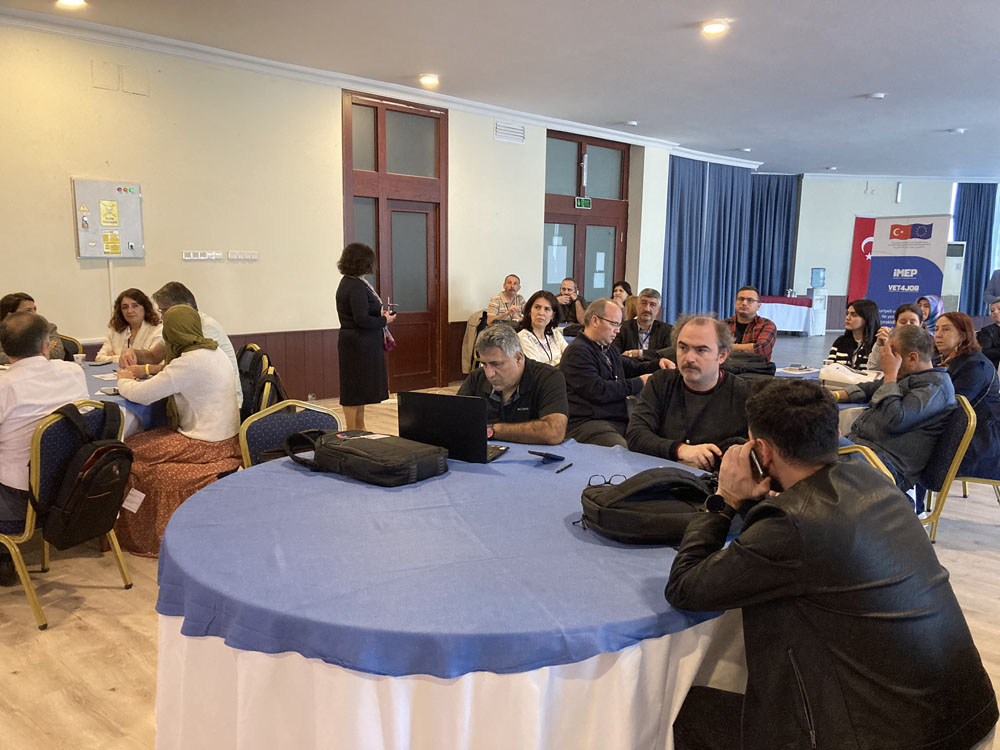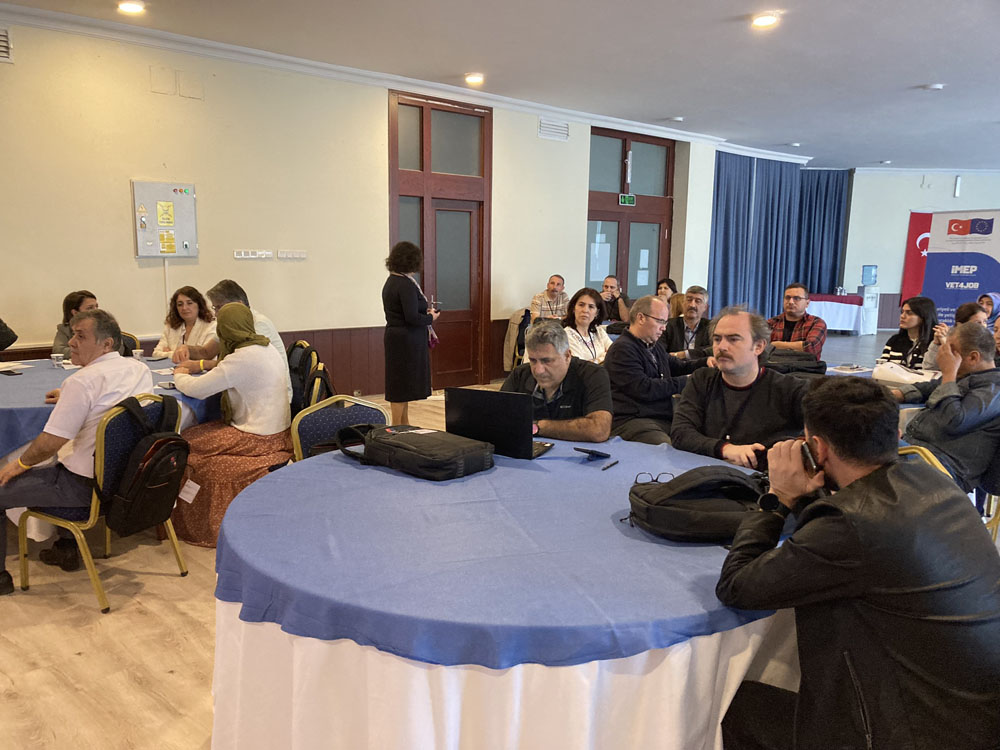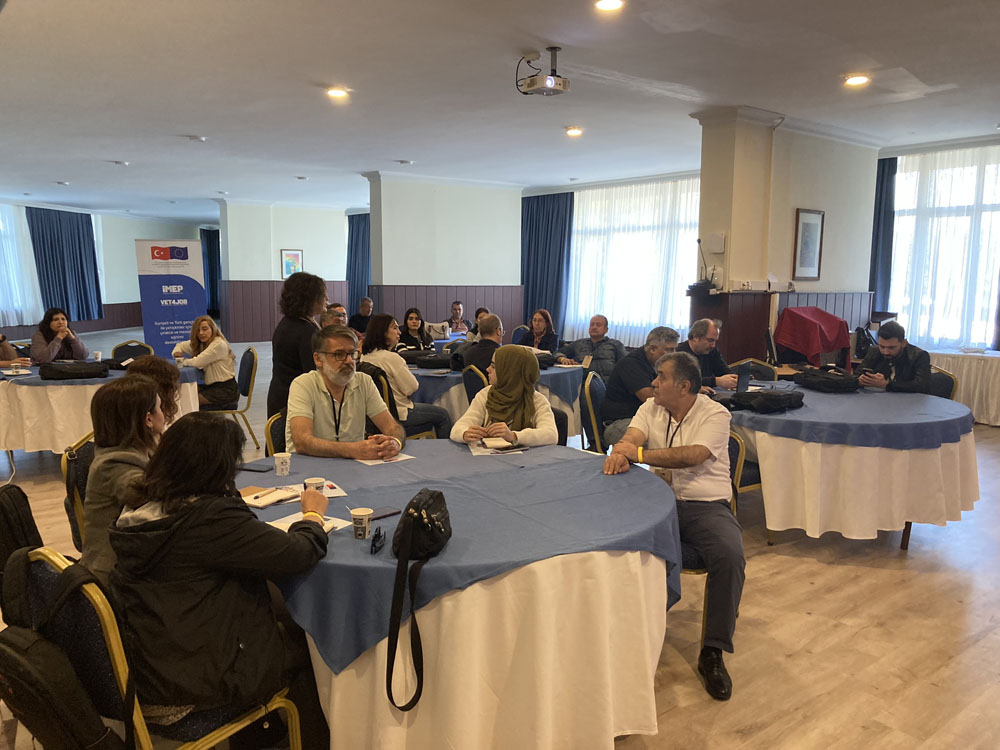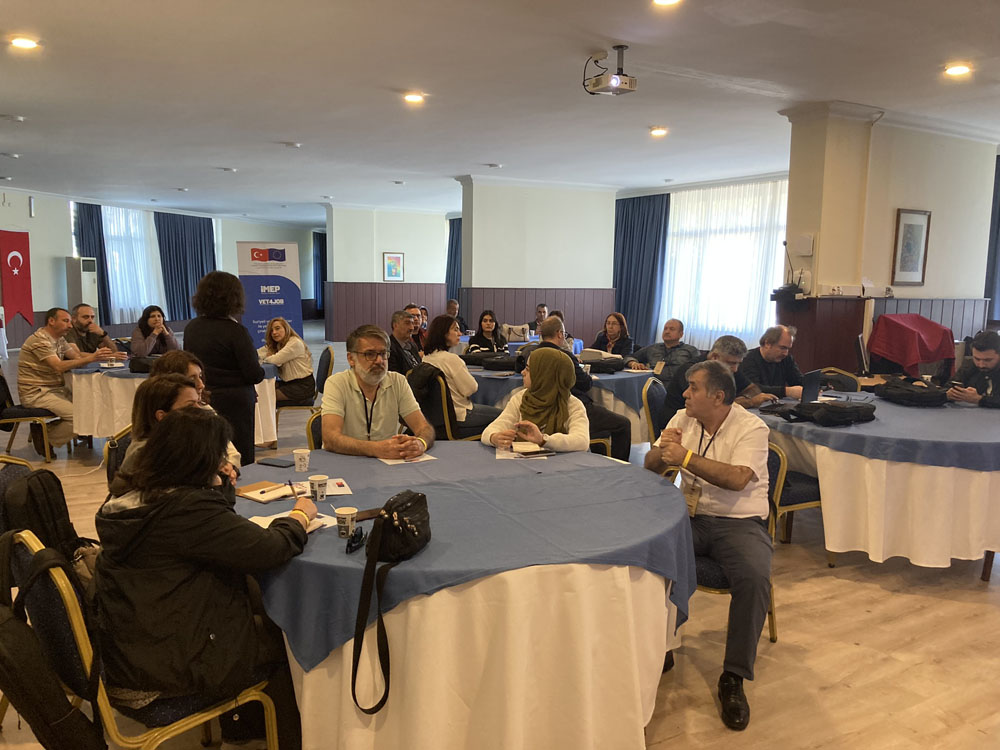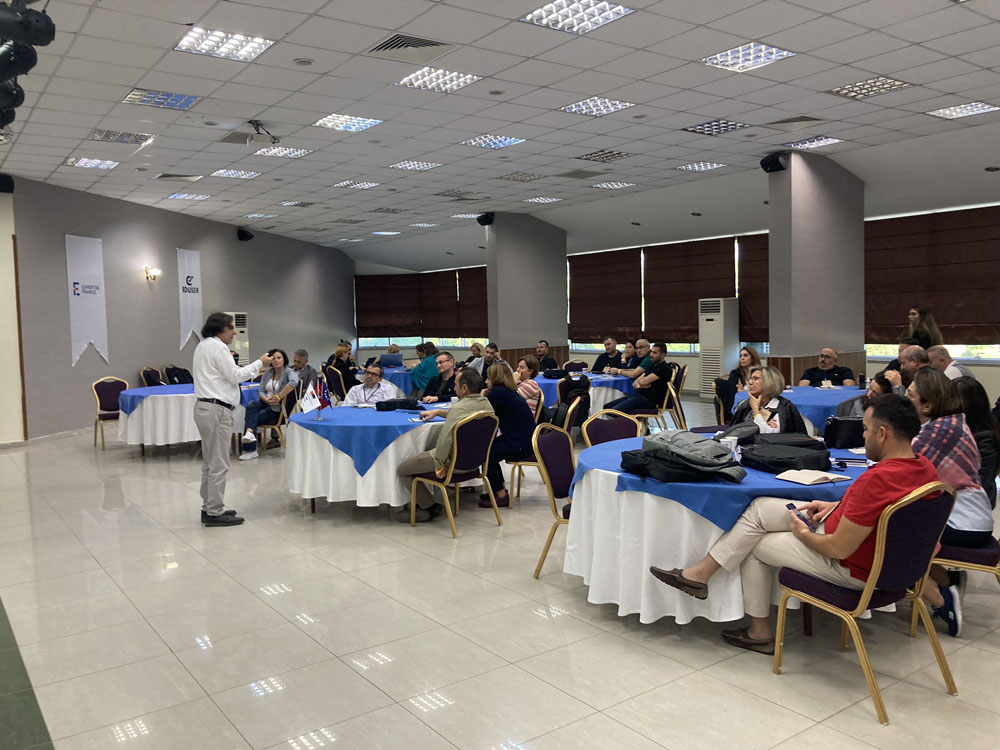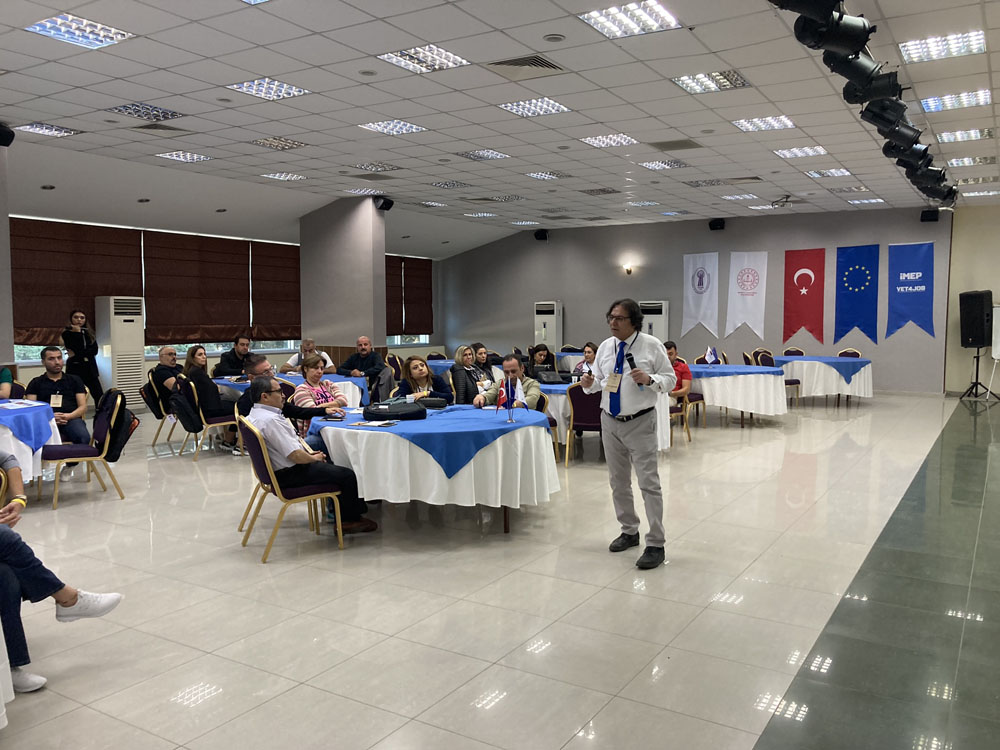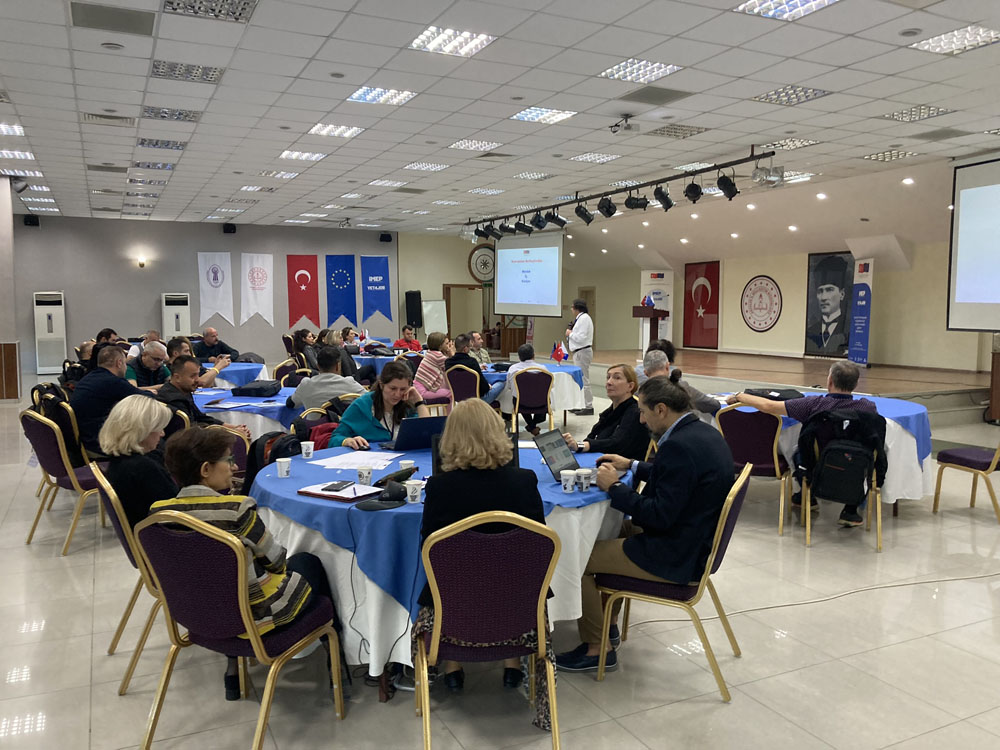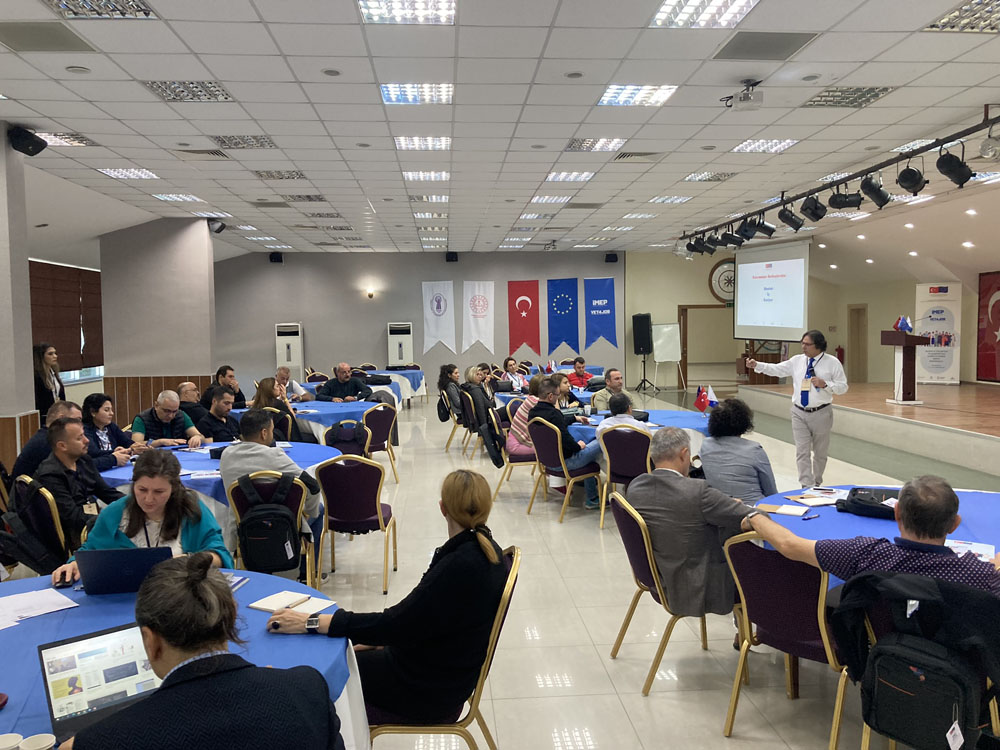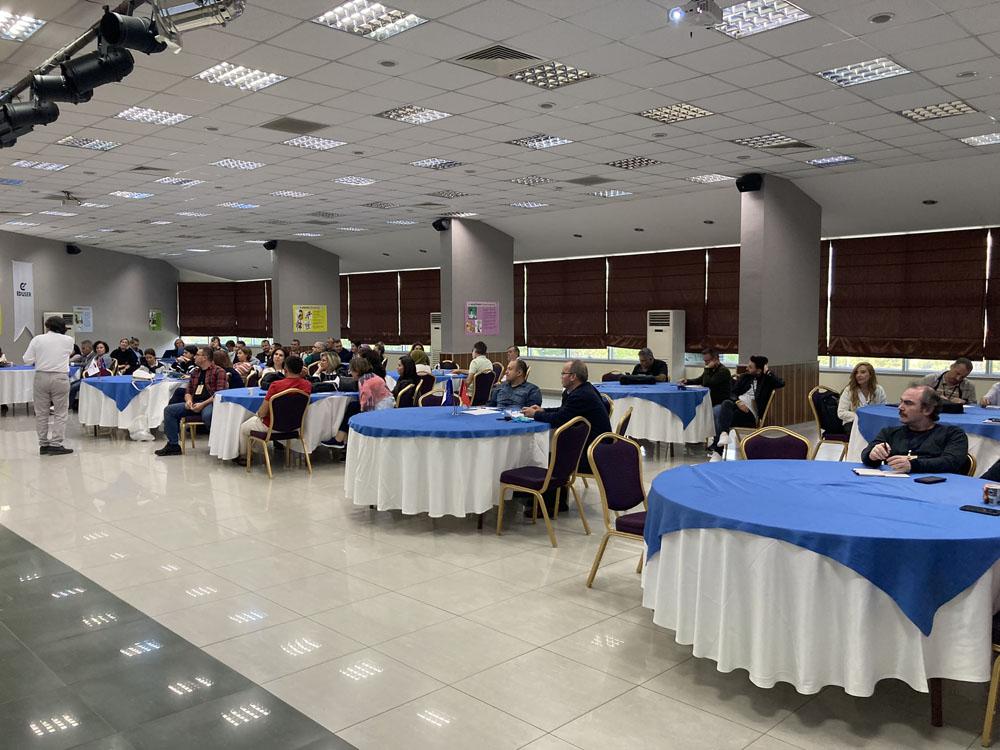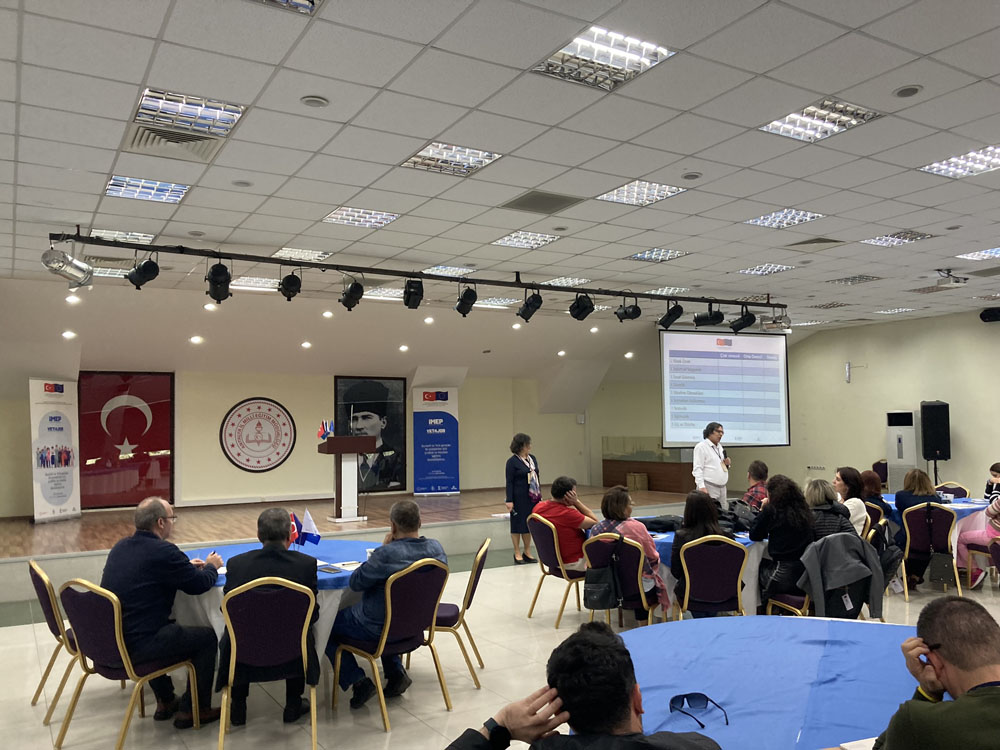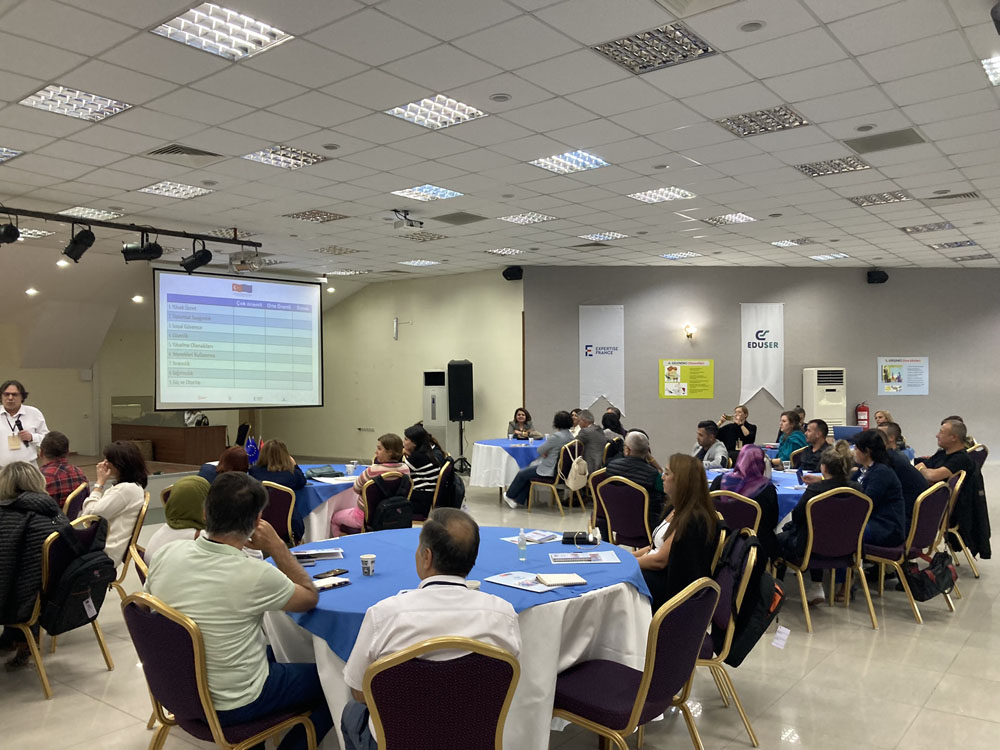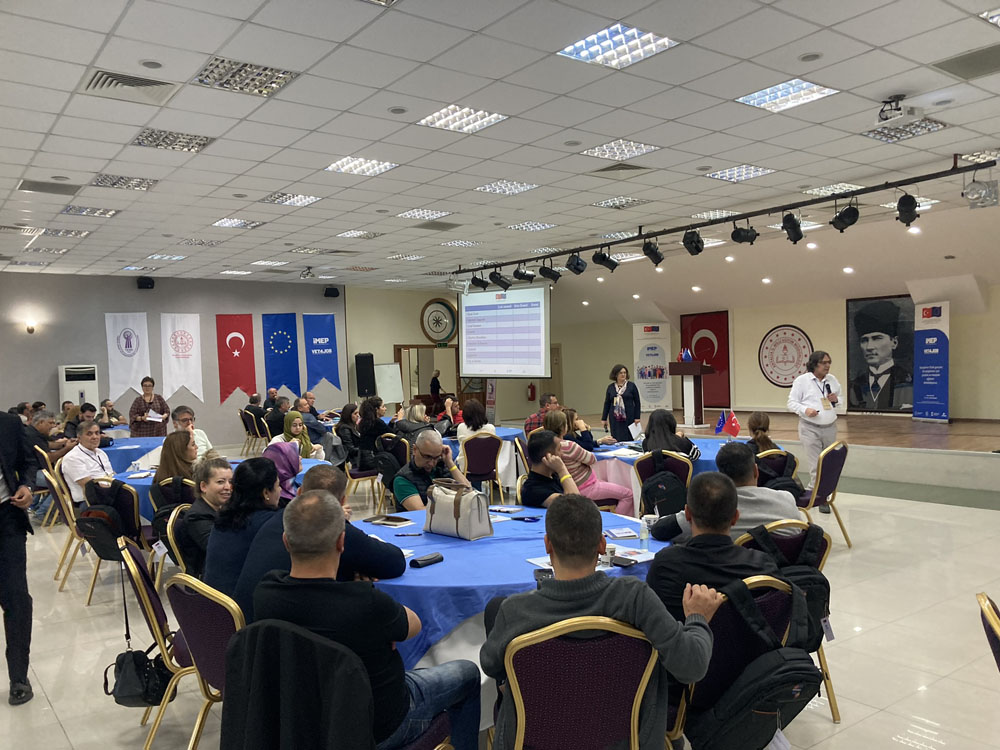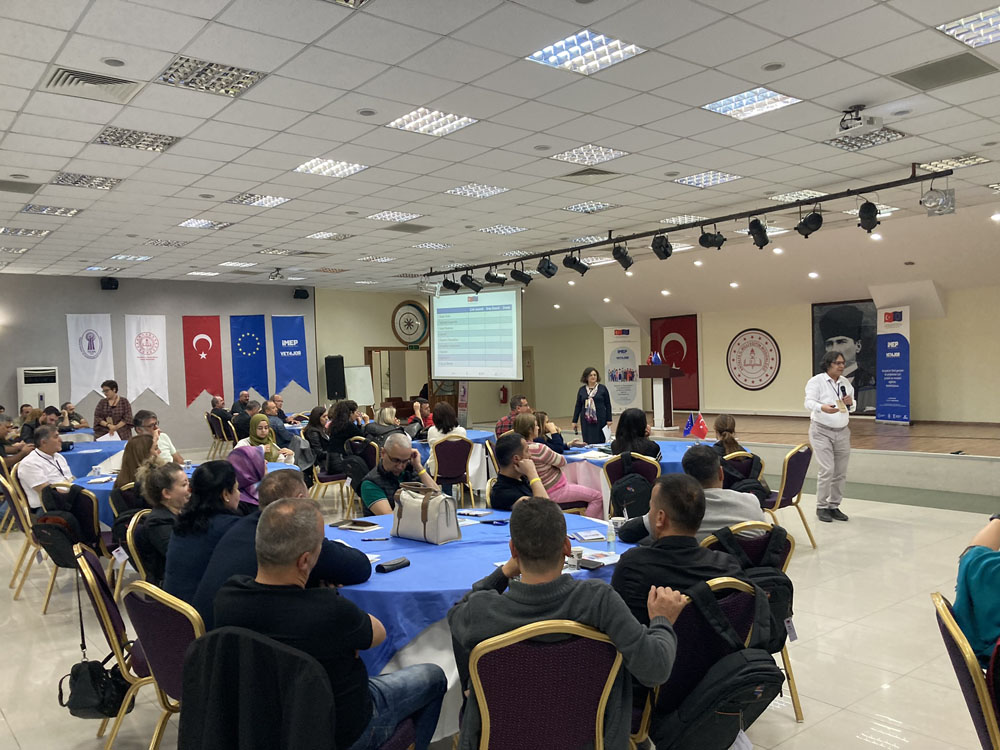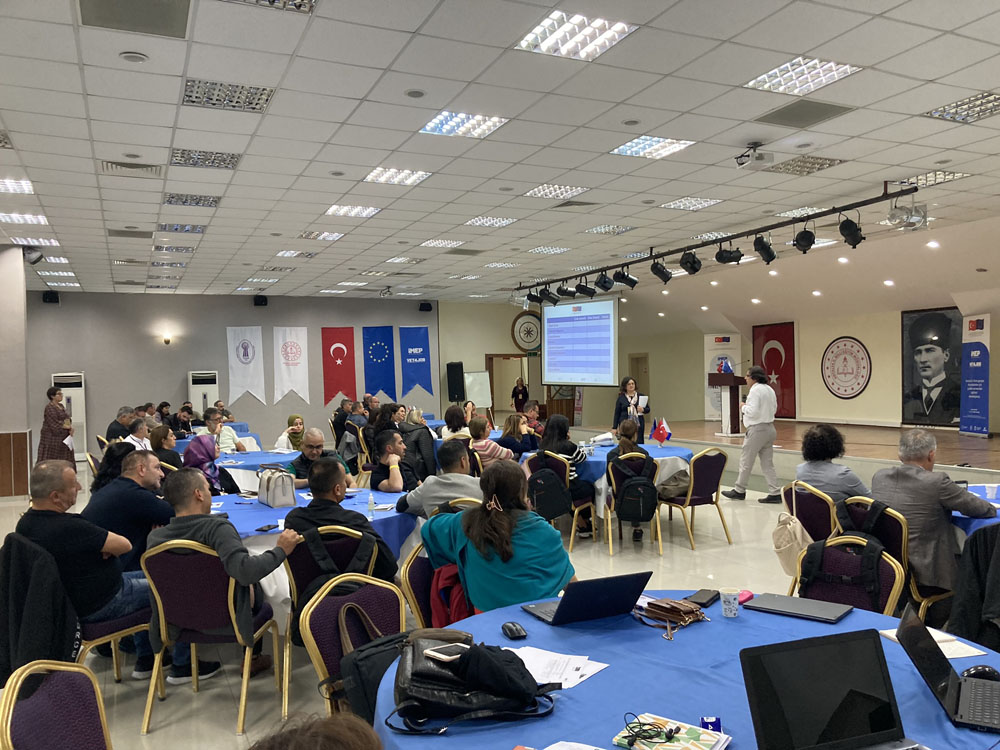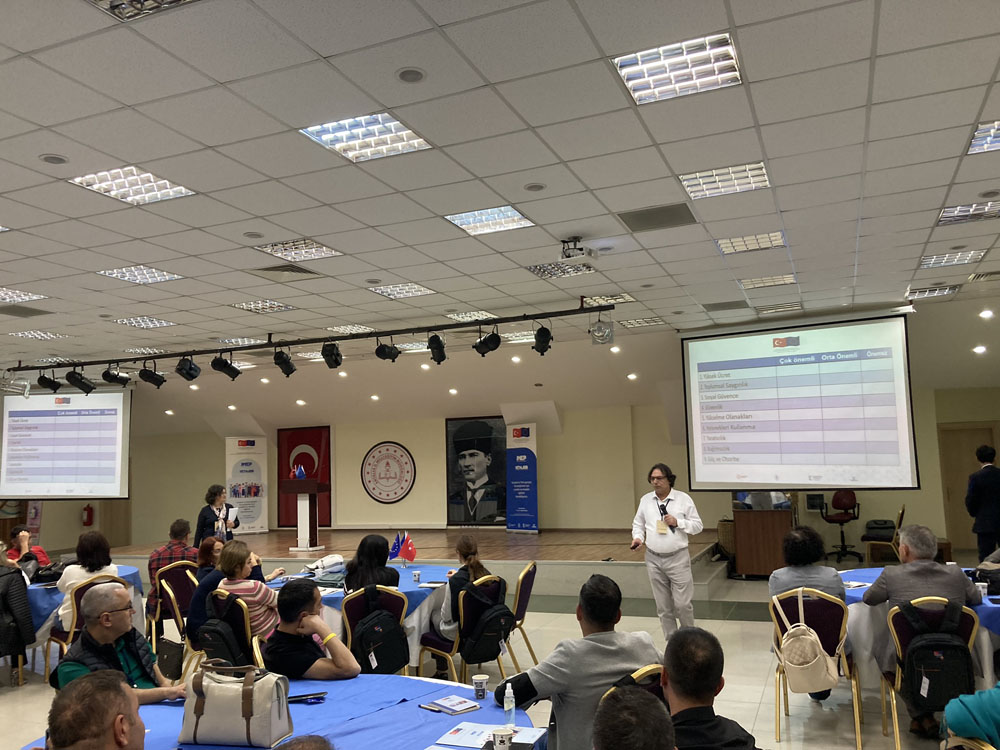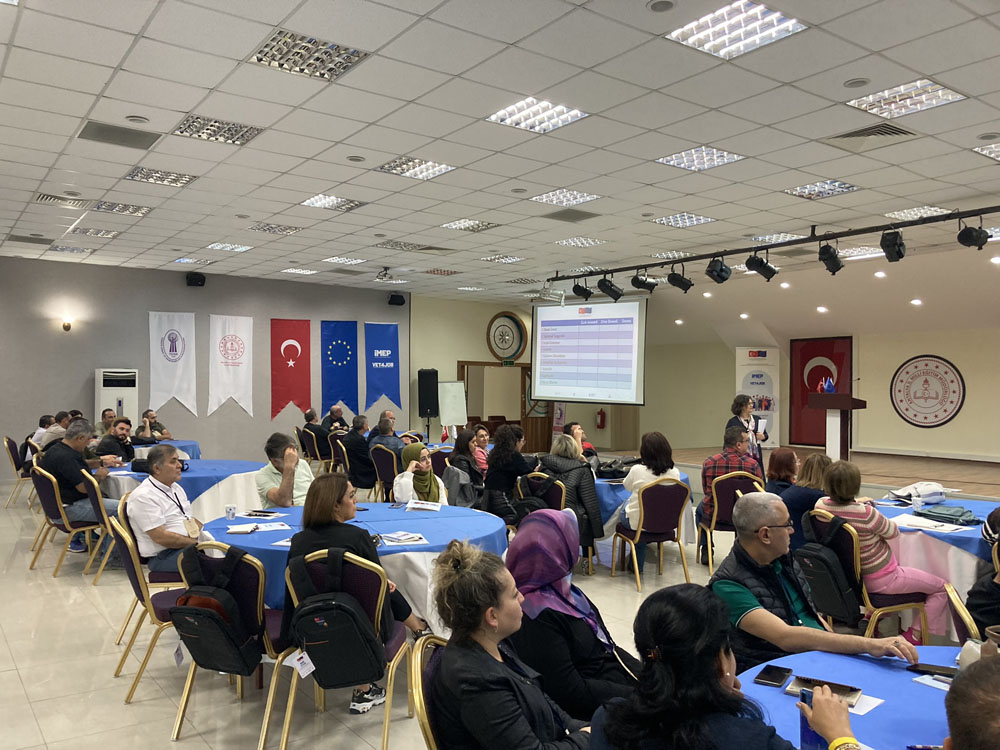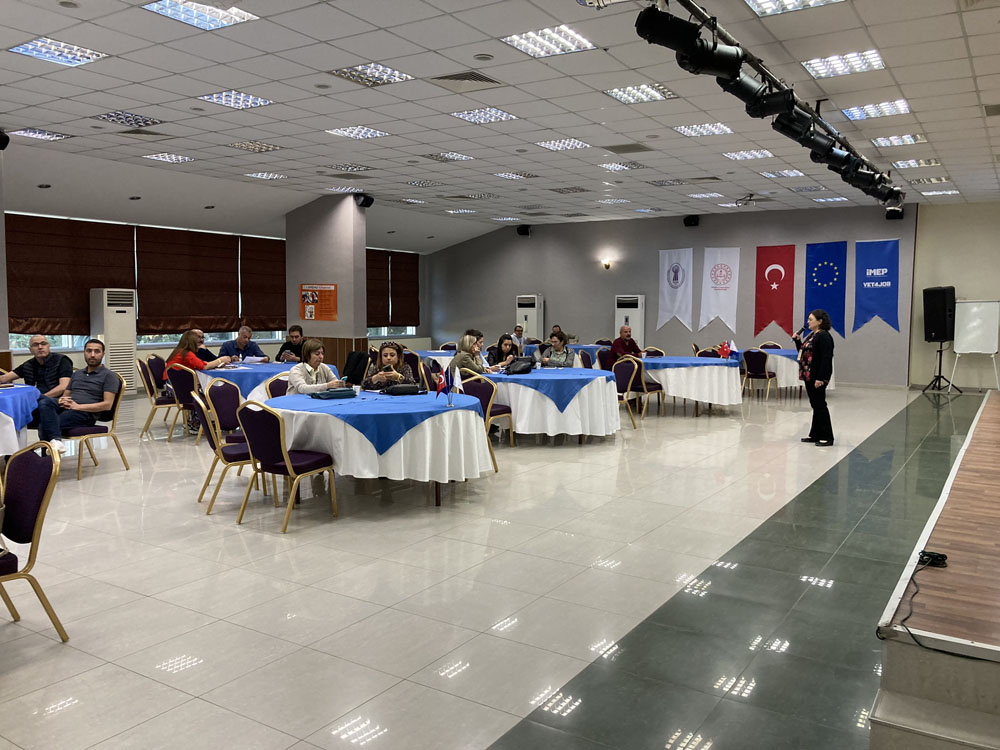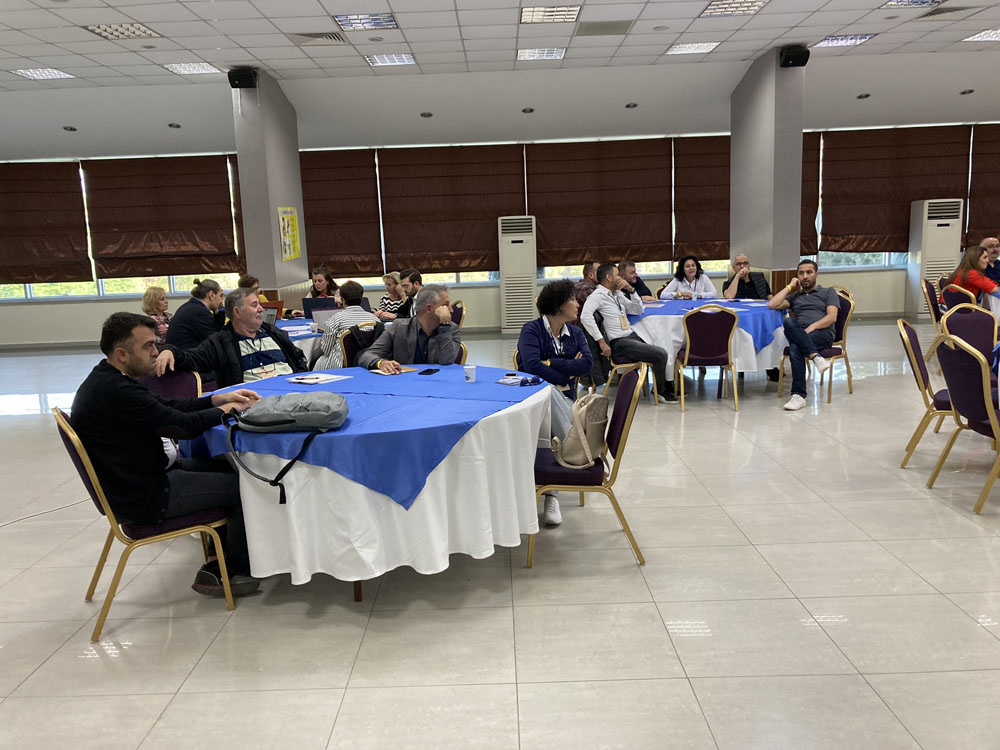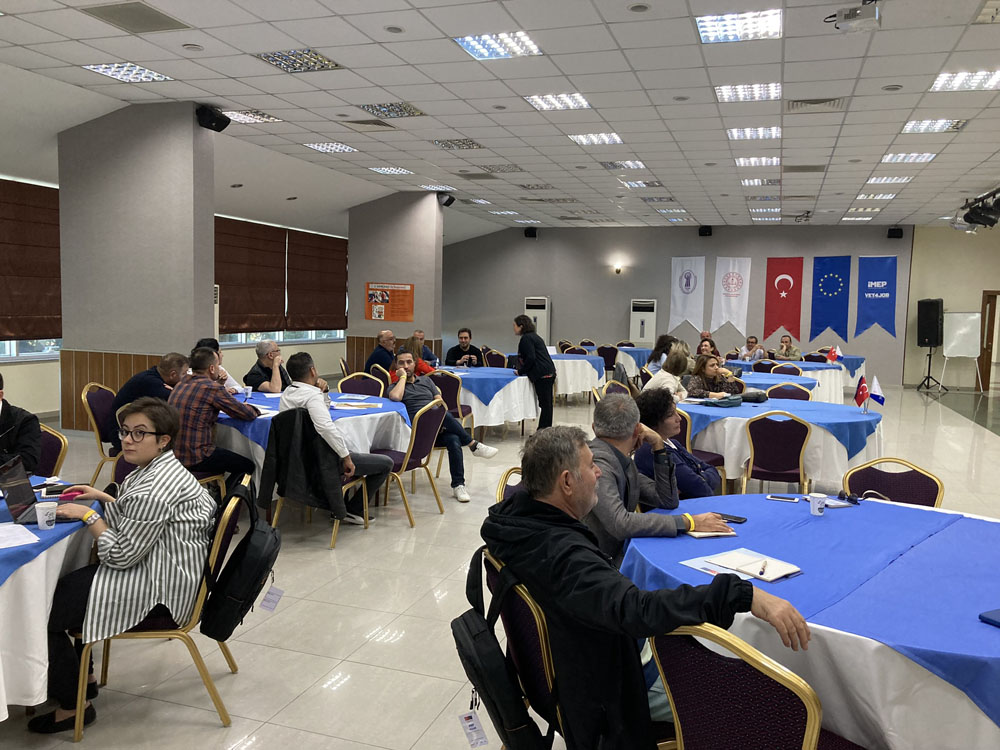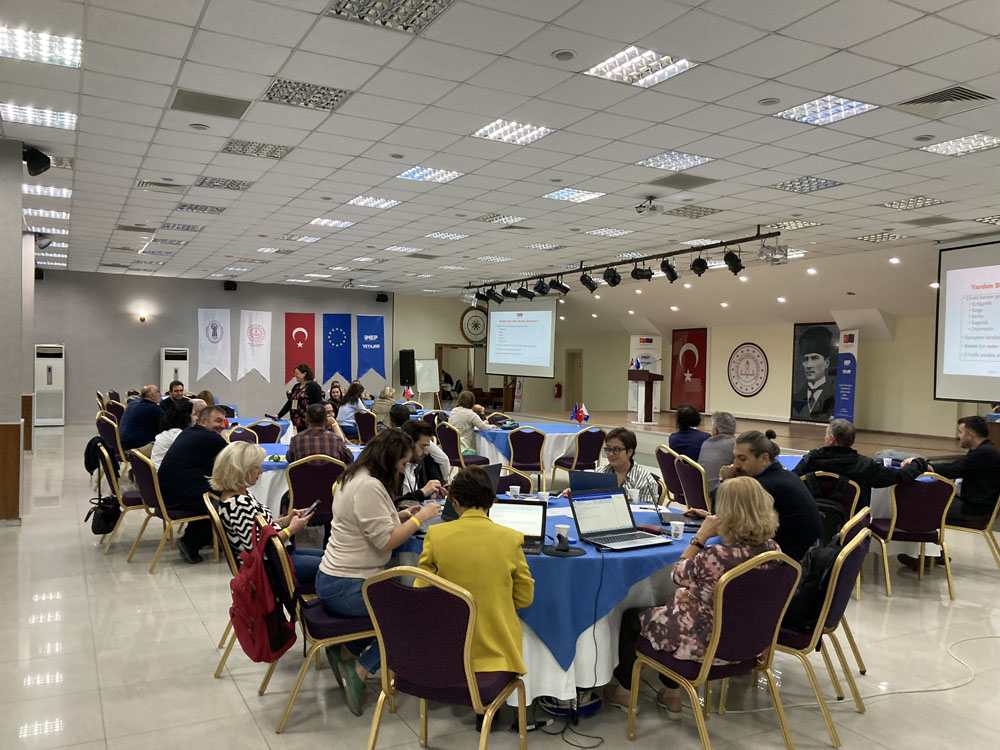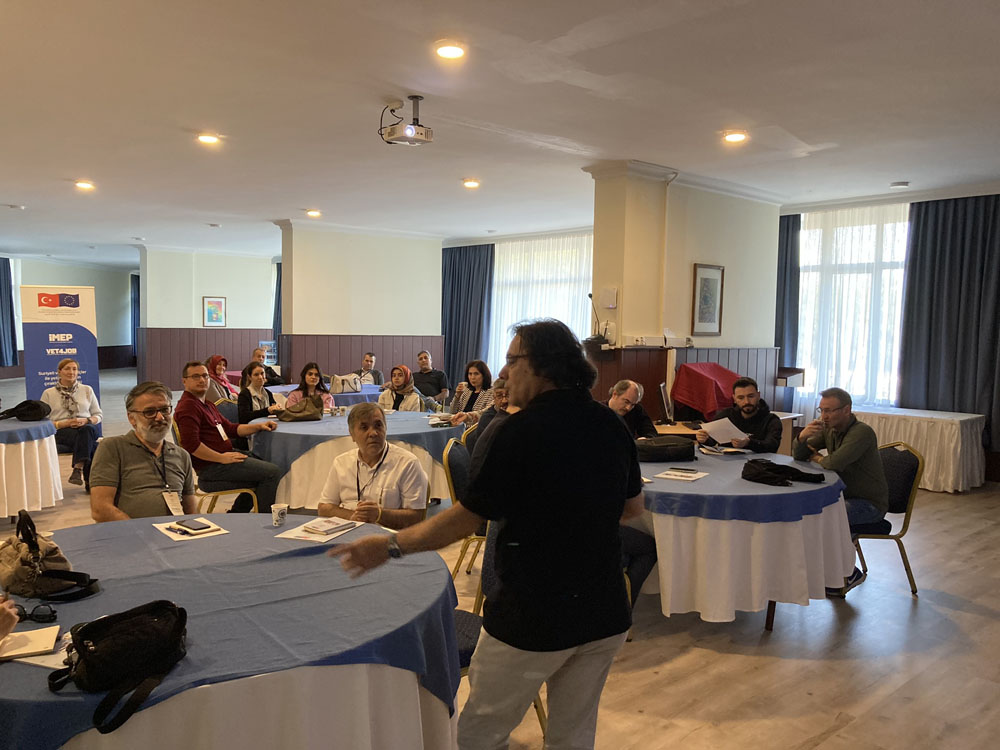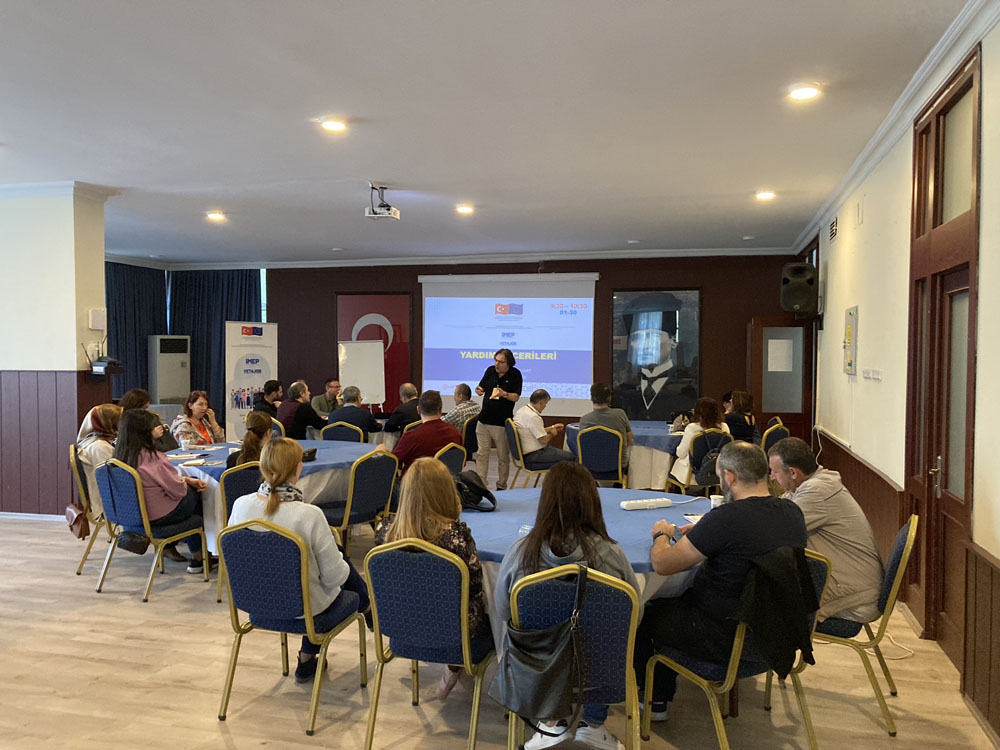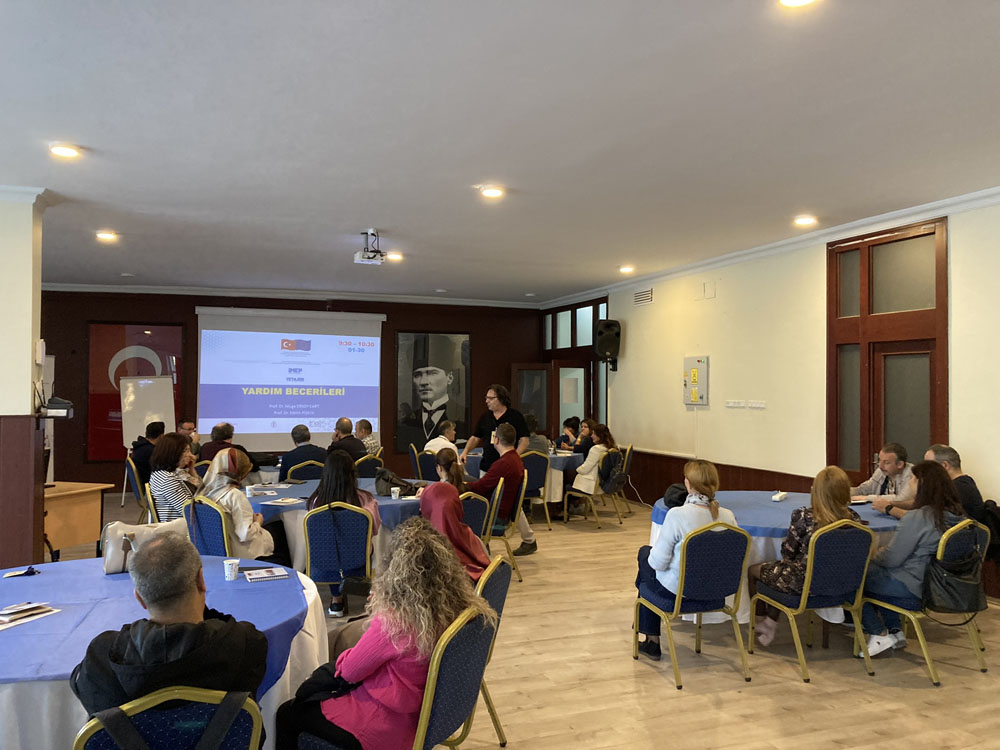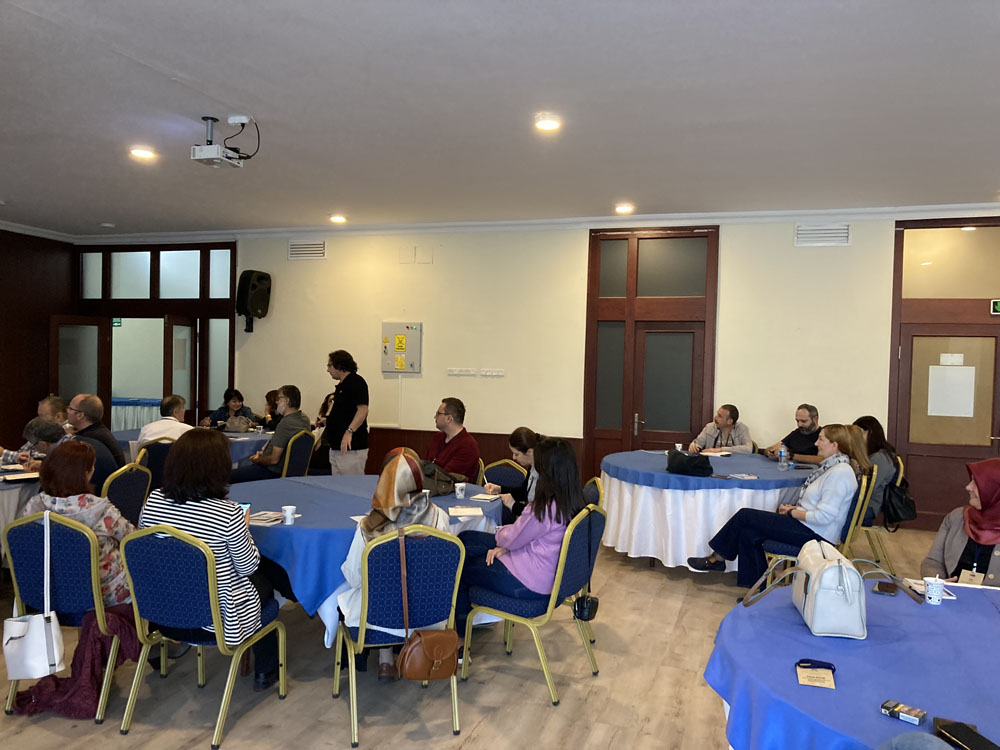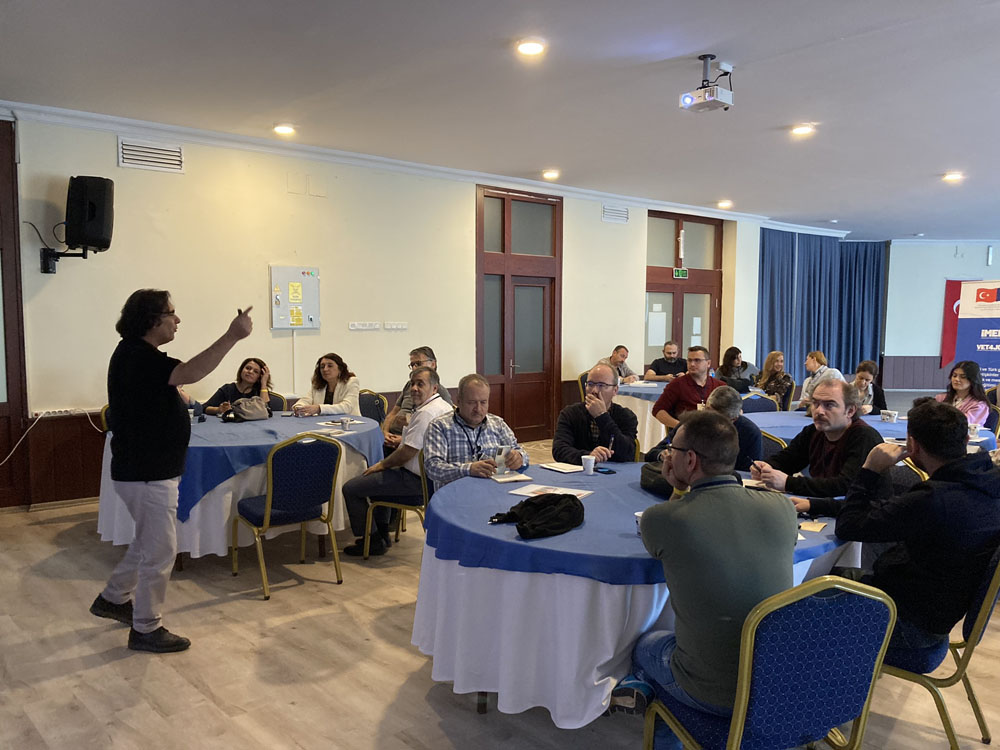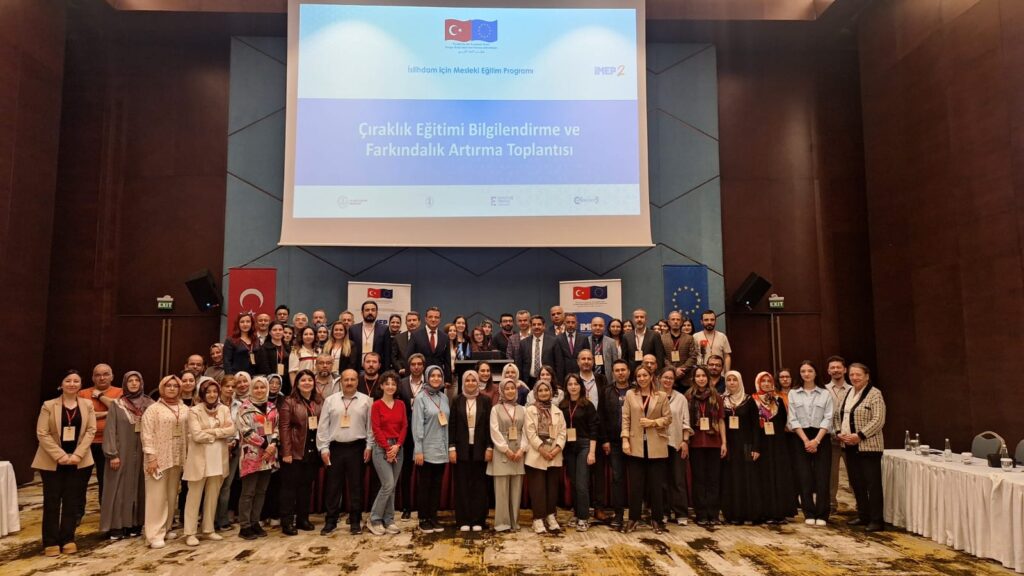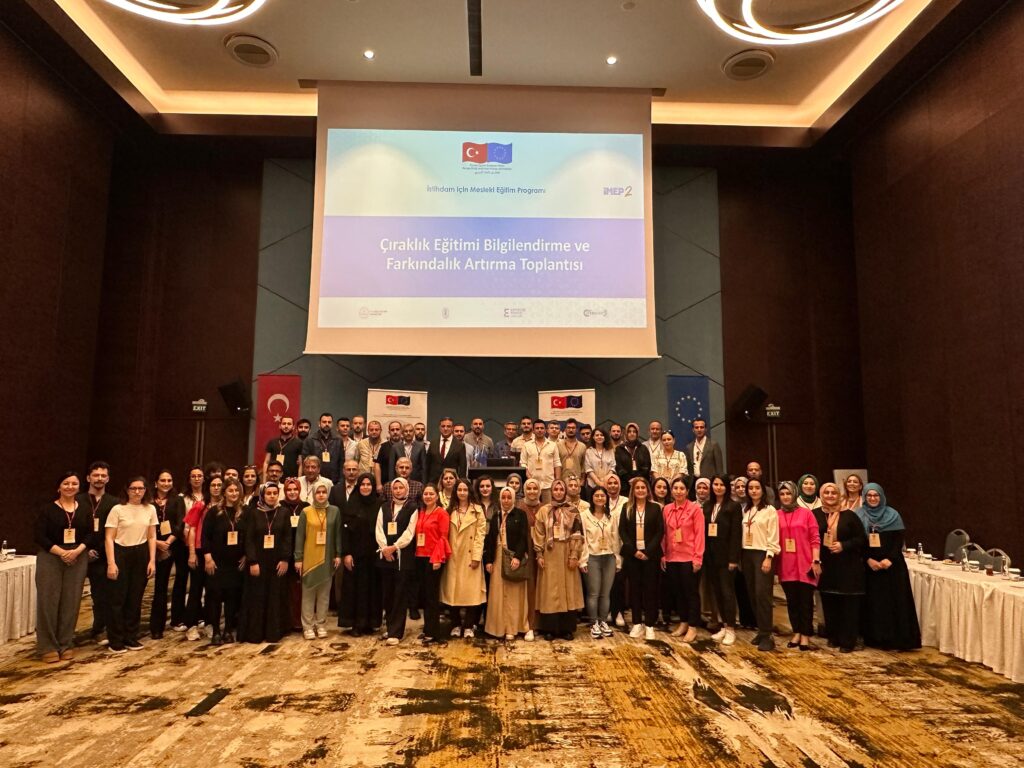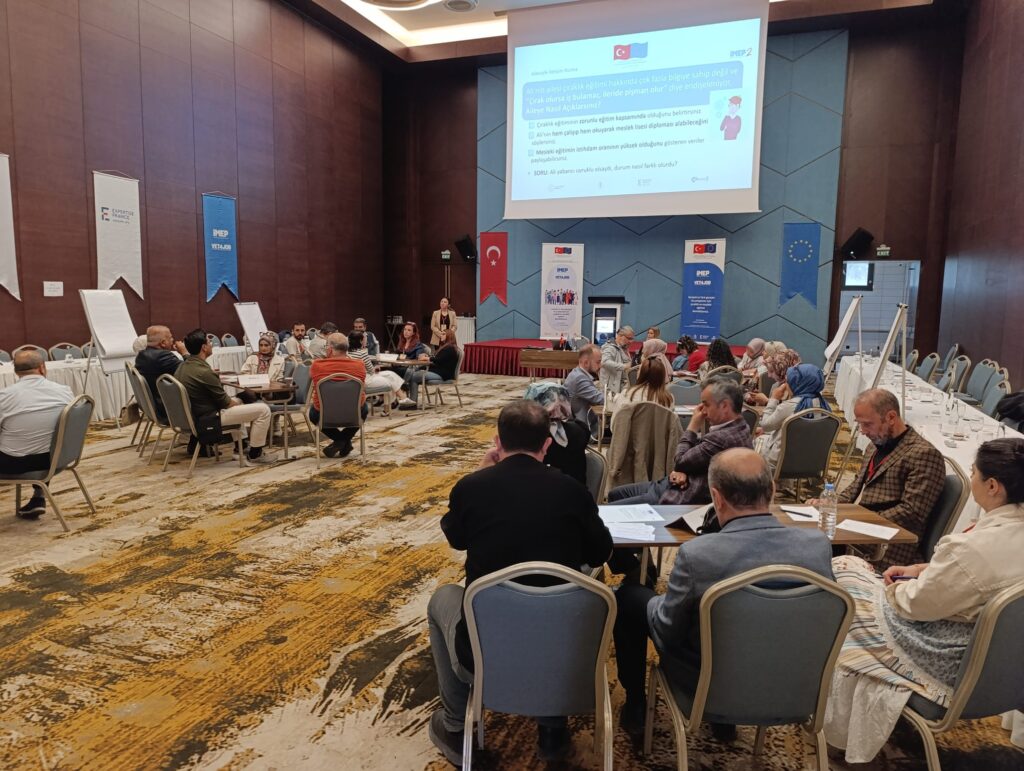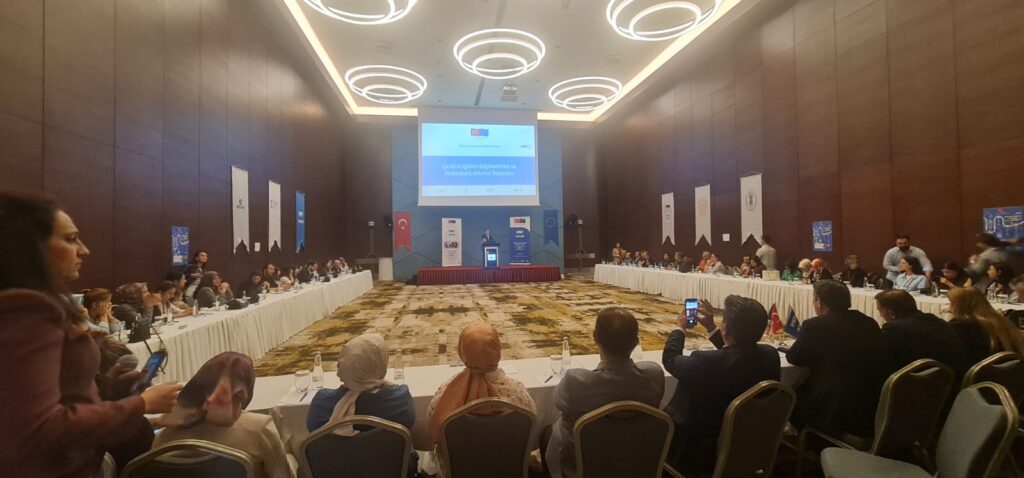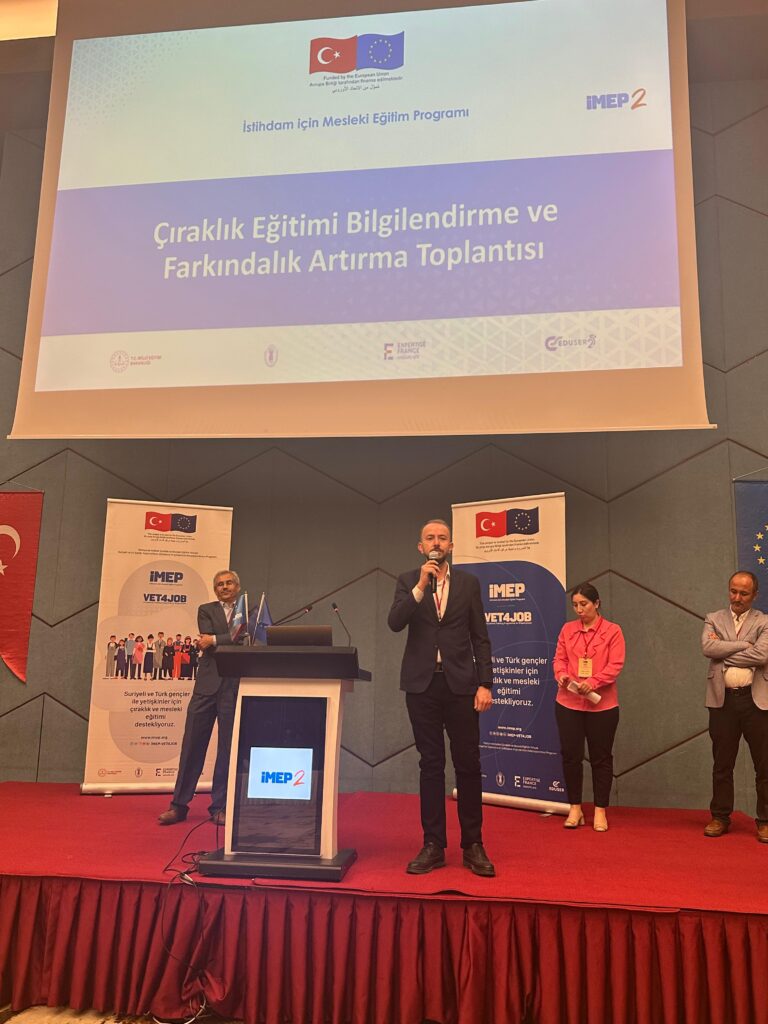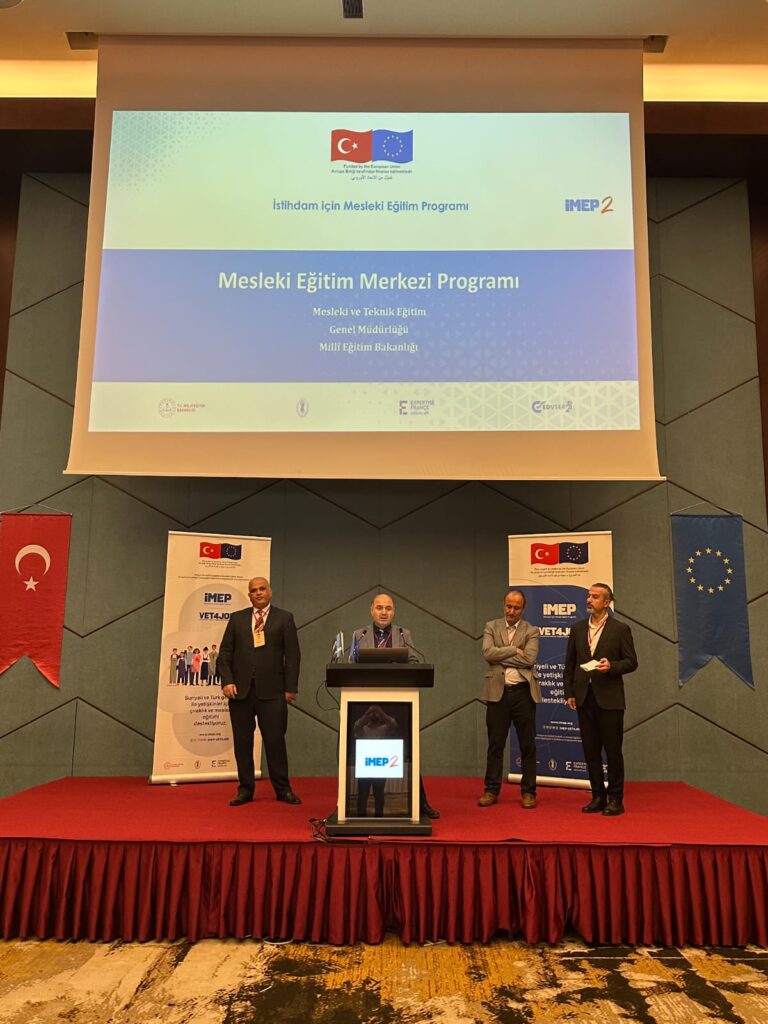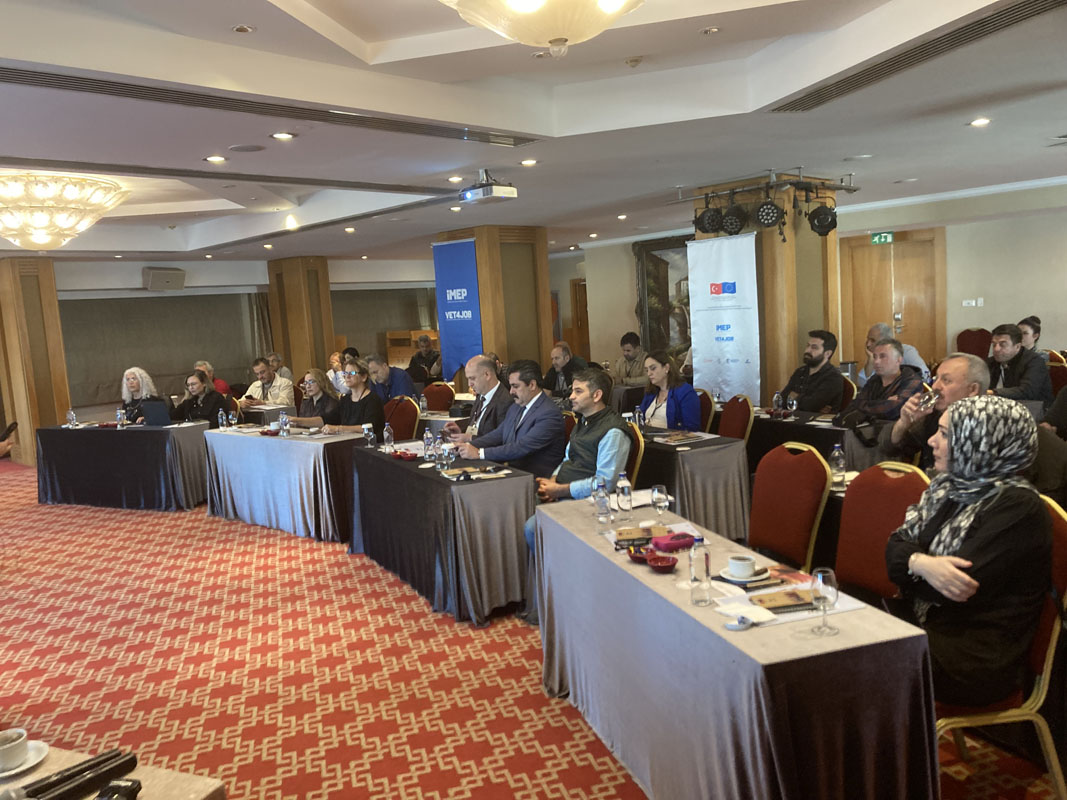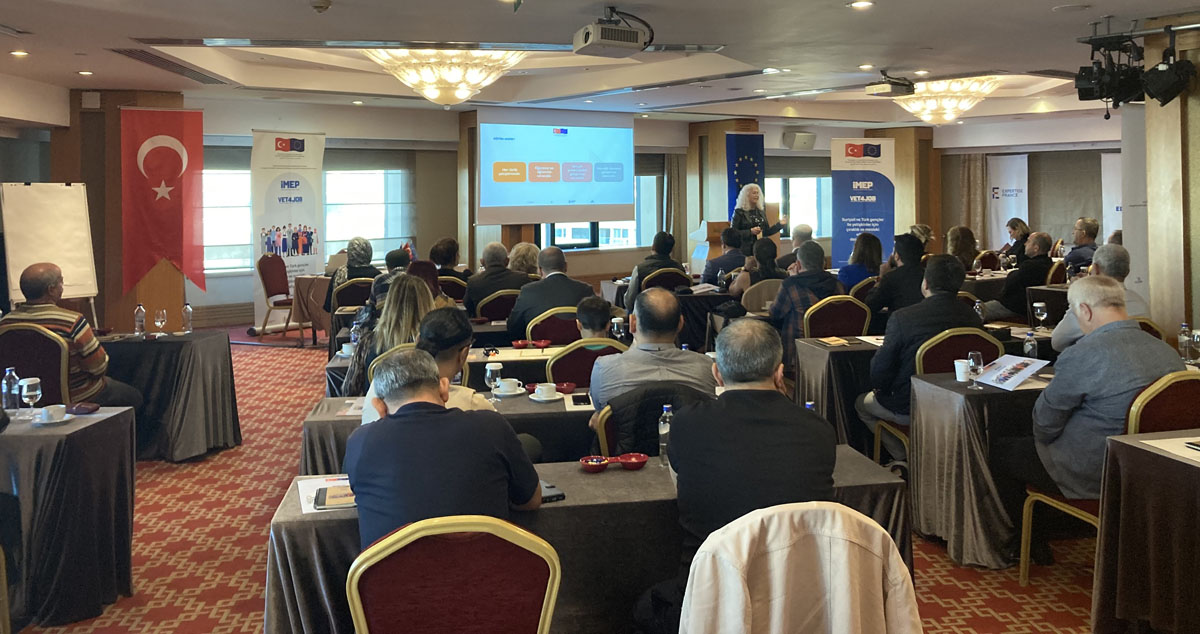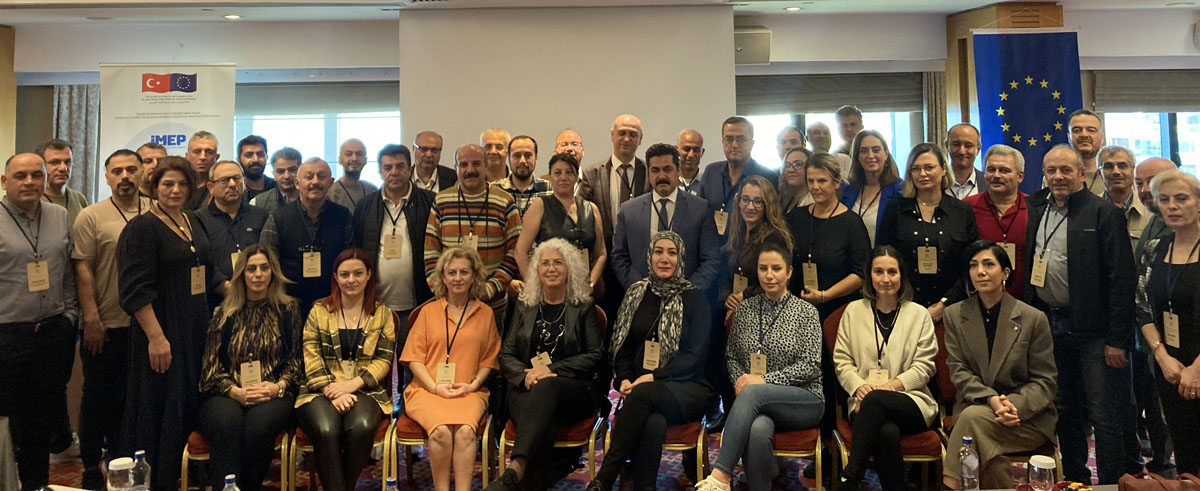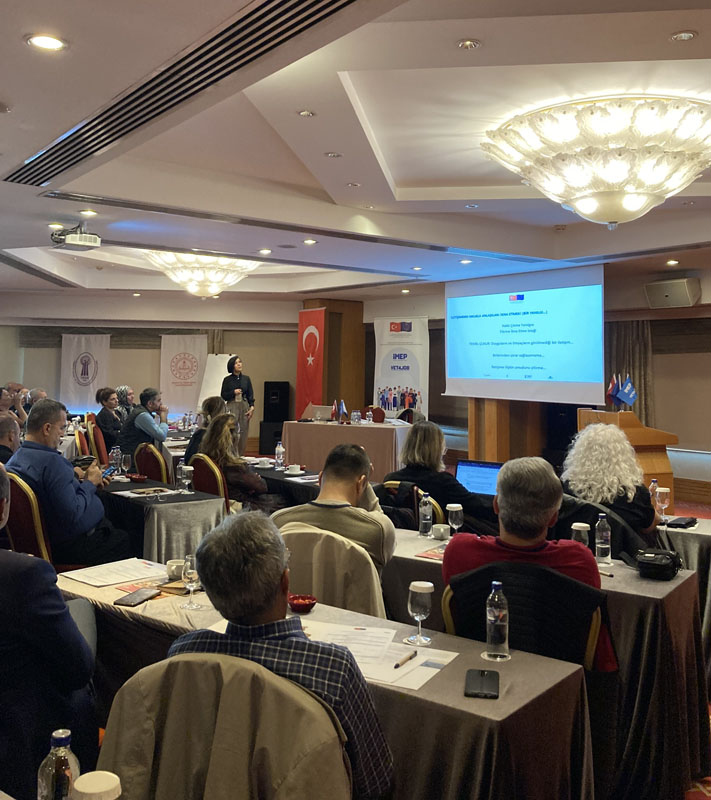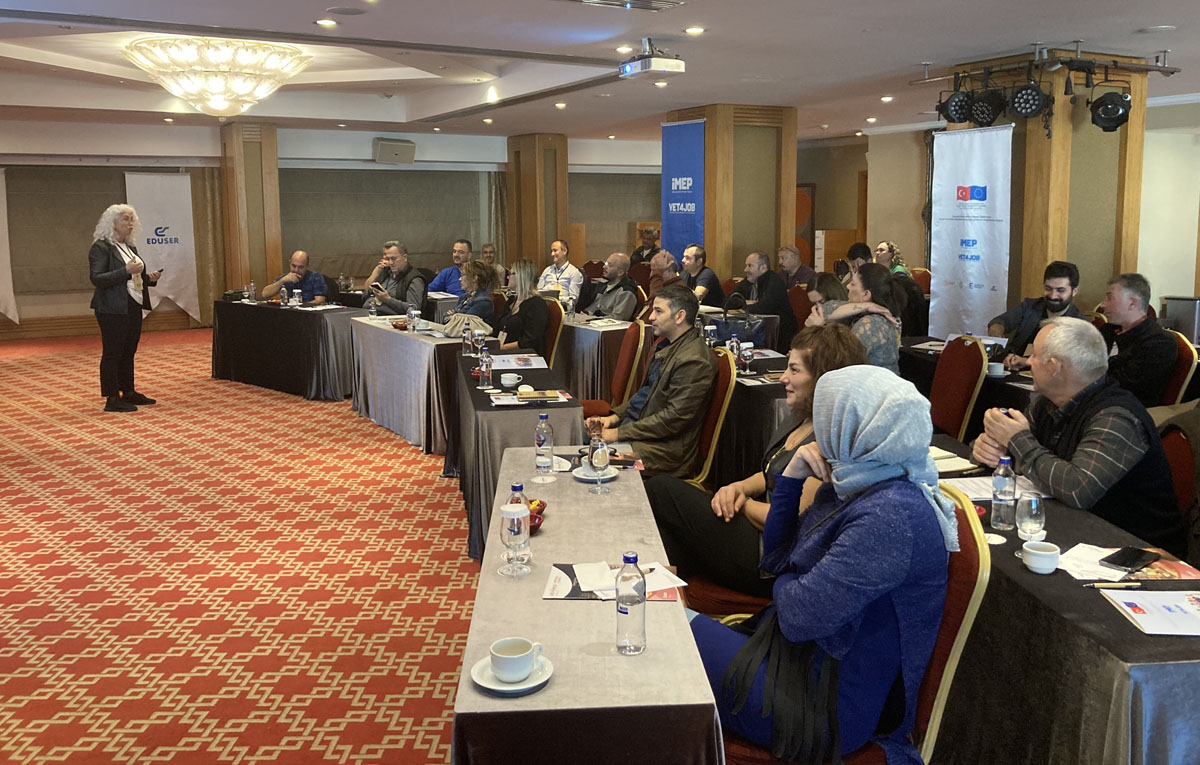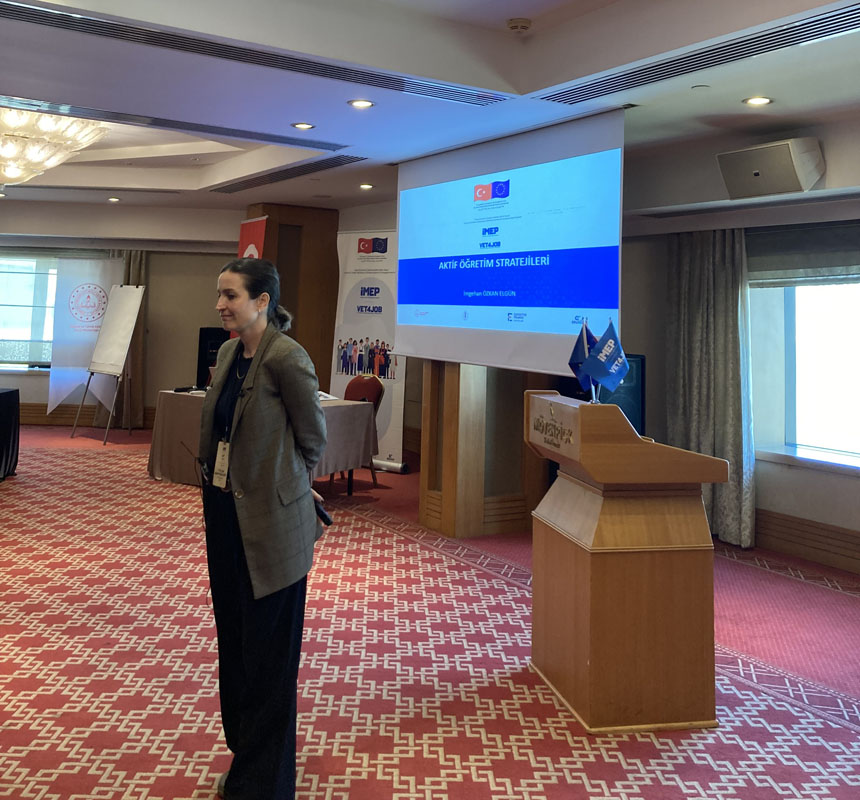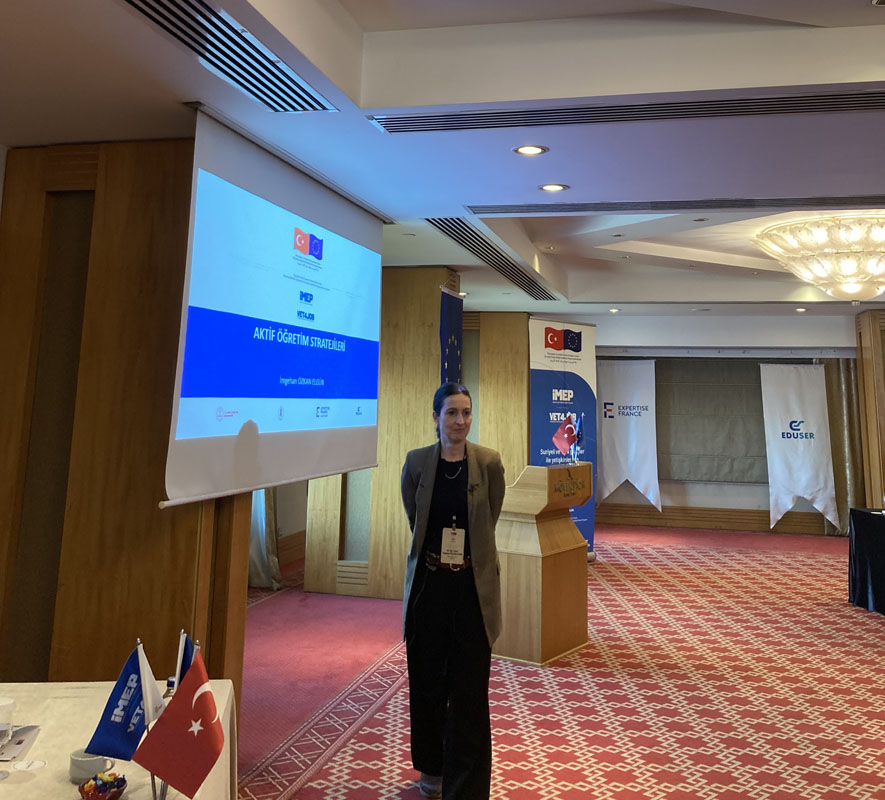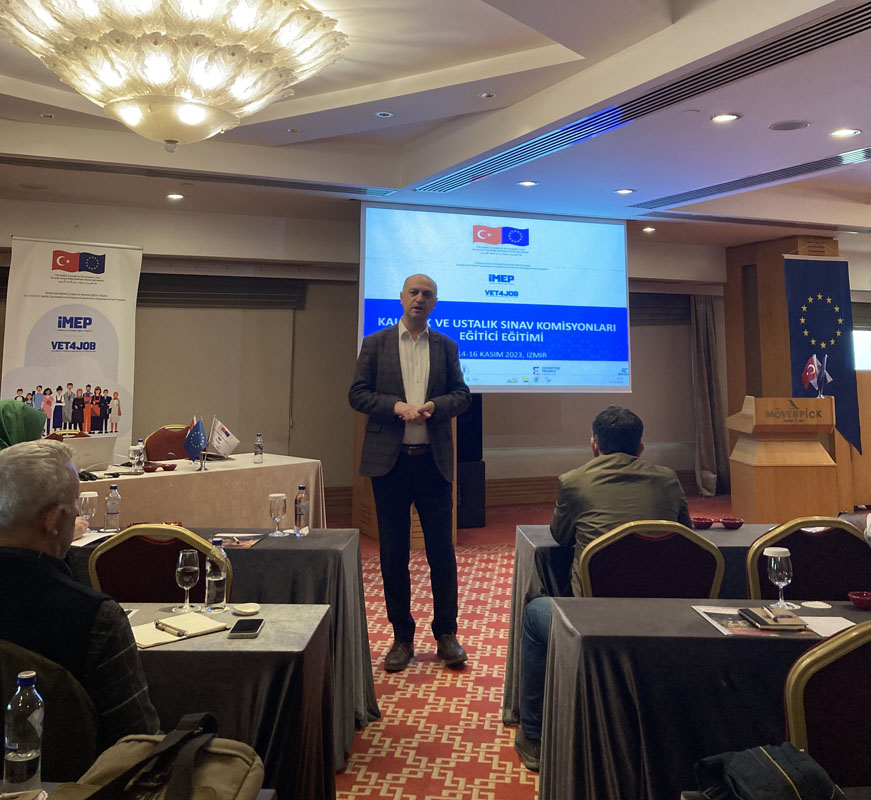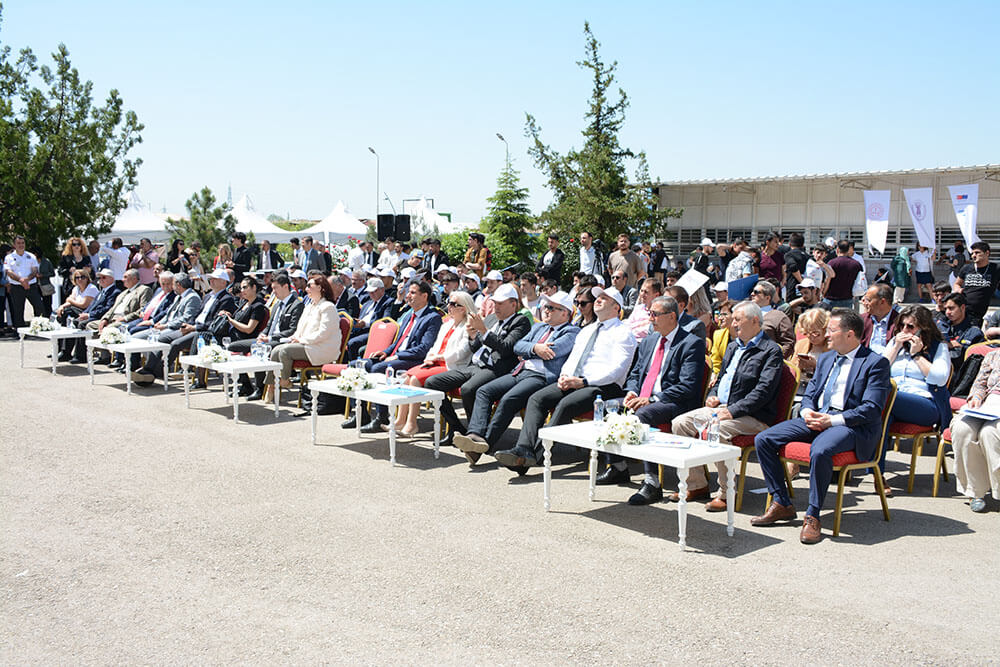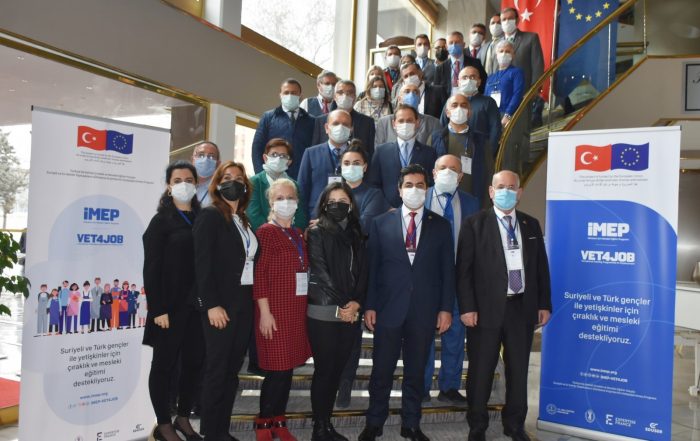
İş Fikri Yarışması Finalistleri Belli Oldu
İş Fikri Yarışması’na 12 ildeki 36 İMEP pilot kurumundan 26 okul, 102 takım kurarak yarışmaya başvurmuş, daha önce okullara gönderilen İş Fikri Yarışması Uygulama Çerçevesi’nde yer alan değerlendirme kriterlerine göre bağımsız değerlendiriciler tarafından değerlendirmeye tabi tutulmuştur. Bu kapsamda yapılan puanlamalar neticesinde en yüksek puan alan aşağıdaki 12 takım 27-29 Şubat 2024 tarihlerinde Ankara’da gerçekleştirilecek olan final etabına katılmaya hak kazanmıştır.
İş Fikri Yarışması’na başvurup ilk 12 takım arasına giremediklerinden final etabına katılamayan takımlarımız girişimcilik, finansal okuryazarlık ve iş fikri sunumu konularında düzenlenecek 4,5 saatlik çevrim içi eğitim programına katılmaya hak kazanmıştır. Çevrim içi eğitim programıyla ilgili olarak detaylı bilgi için lütfen sayfanın sonunu ziyaret ediniz.
İş Fikri Yarışması Finalist Takımlar
No |
İl |
1 |
Adana |
2 |
Adana |
3 |
Bursa |
4 |
Bursa |
5 |
Bursa |
6 |
Bursa |
7 |
Gaziantep |
8 |
Hatay |
9 |
İstanbul |
10 |
Kayseri |
11 |
Mersin |
12 |
Mersin |
Çevrim İçi Eğitim Programı
İş Fikri Yarışması’na başvurup ilk 12 takım arasına giremediklerinden final etabına katılamayan takımlarımız girişimcilik, finansal okuryazarlık ve iş fikri sunumu konularında düzenlenecek 4,5 saatlik çevrim içi eğitim programına katılmaya hak kazanmıştır:
Aşağıdaki tarih ve zamanlarda planlanan eğitimlere giriş için takım üyelerinin iş fikri yarışması başvurularında belirttikleri cep telefonlarına kayıt formu gönderilecektir. Kayıt olan öğrencilere eğitim öncesinde toplantı bağlantısı iletilecektir. Böylece öğretmen ve öğrencilerimiz, çevrim içi eğitimlerde kendi iş fikirlerine yönelik örneklerle ve eğiticilere sorularını anında ileterek eğitime aktif katılım sağlayabileceklerdir.
Aşağıdaki programa göre gerçekleştirilecek olan çevrim içi eğitimlere katılamayan öğrencilerimiz ise eğitimleri istedikleri zaman video kaydından izleyebileceklerdir. Eğitimlerin video bağlantıları öğrencilerimizin cep telefonlarına iletilecektir.
Eğitim Tarihleri
Konu |
Tarih |
Girişimcilik 101 |
06.02.2024 |
Finansal Okuryazarlık |
13.02.2024 |
İş Fikri Sunumu |
20.02.2024 |
File Size: 28 Byte(s)

File Size: 28 Byte(s)
“Advisory Teacher Training Evaluation Meeting on the Provision of Psycho-Social Support Services” was held within the scope of VET4JOB

VET4JOB continues training activities in partnership with the Ministry of National Education (MoNE) and Confederation of Turkish Tradesmen and Craftsmen (TESK), as the beneficiary institutions for dissemination of quality apprenticeship training in Turkey implemented with the support of the European Union. The second of the trainings on the provision of psycho-social support services for guidance teachers of apprenticeship education institutions within the scope of the program was held in Gaziantep on 03-04 March 2022.
Advisory teachers accompanied by specialists shared their practical experiences in their schools during the two-days training realized with the participation of Dr. Balkır Özünlü, the Program Coordinator and Kübra Güzelyurt from Directorate General of Vocational Education and Training of the Ministry of National Education.
File Size: 28 Byte(s)
“Awareness Meeting: My Apprentice Students are on the Path of Mastery” held in Ankara

The “Awareness Meeting: Apprentice Students on the Path of Mastery” which was prepared in cooperation with Ankara Provincial Directorate of National Education and Ankara Union of Chambers of Tradesmen and Craftsmen (ANKESOB) as part of the Vocational Training Program for Employment (IMEP) carried out by Expertise France and EDUSER in partnership with the General Directorate of Vocational and Technical Education (MTEGM) of the Ministry of National Education and the Turkish Confederation of Tradesmen and Craftsmen (TESK) as beneficiaries, was held in Ankara on June 12, 2023, to coincide with the World Day Against Child Labor.
Opening speeches at the meeting held at CP Ankara Hotel were delivered by Huseyin Ar, Deputy Chairman of ANKESOB; Feyhan Canbay, Socioeconomic Development Program Manager at the European Union Delegation to Turkey; Dr. Murat Cangul, Secretary General of TESK; and Suleyman Akgul, Head of the MTEGM Workplace Based Vocational Education Department of the Ministry of National Education.
The Awareness Meeting “Apprentice Students on the Path of Mastery” focused on the roles of apprentice students, schools, families and businesses in apprenticeship training and highlighted the roles and responsibilities of these actors in the quartet cooperation. The meeting presentation emphasized the importance of protecting children from conditions that expose them to economic exploitation and hinder their education, which negatively affects their health and physical development, indicating that this is a social responsibility according to the United Nations Convention on the Rights of the Child. During the meeting, apprentice students studying at Ankara Siteler Vocational Training Center, one of the IMEP practice schools, took the floor and shared their solution suggestions developed for their problems identified in the Apprentice Student Forums in order to contribute to the development of apprenticeship training with the participants.
As part of the activities to combat child labor for businesses that provide hands-on training to apprentice students within the scope of the Vocational Training Program for Employment (IMEP), Awareness Meetings “Apprentice Students on the Path of Mastery” will be held in cooperation with Provincial Directorates of National Education, local organizations of TESK, and Union of Chambers of Tradesmen and Craftsmen (ESOB) in all provinces where the program is implemented.
File Size: 28 Byte(s)
“Training of Trainers on Turkish Speaking Support Programme” was held in İzmir

The “Vocational Training Programme for Employment” supported by the European Union is carried out in cooperation with 36 institutions in 12 provinces, in partnership with the Ministry of National Education Directorate General of Vocational Education and Training and the Confederation of Turkish Tradesmen and Craftsmen. Turkish Language and Turkish Literature teachers from selected the institutions participated to a three-day long Training of Trainers study on “Turkish Speaking Support Programme”, which was held in İzmir between July 27th to July 29th, in order to support learning Turkish as a foreign language by apprentice students and adults with insufficient Turkish language skills. “Turkish Speaking Support Programme” aims to provide daily speaking practice that will contribute to the social integration of Syrians. The certified teachers who are going to conduct “Turkish Speaking Support Programme” trainings in their own provinces, examined the methods and techniques to be applied and carried out studies on measurement and evaluation methods. During the training, the learning-teaching processes were explained with case studies. Prof. Tolga Erdogan and Assoc. Dr. Told by Kaan Büyükikizli carried out the training of trainers’ sessions as the filed experts. At the end of the trainings, a road map has created for the upcoming local trainings along with an evaluation session and participants received their certificates.
File Size: 28 Byte(s)
1 December Hatay










File Size: 28 Byte(s)
12 June 2023 Ankara










































































































































































































































































































































File Size: 28 Byte(s)
12 June World Day Against Child Labor
File Size: 28 Byte(s)
14 June 2023 Konya









































































File Size: 28 Byte(s)
16 June 2023 Kayseri























































File Size: 28 Byte(s)
1st Apprentice Student Forum





















































































































File Size: 28 Byte(s)
1st Apprentice Student Vocational Skills Solidarity Activity Training – October 2022






















































































































































































































File Size: 28 Byte(s)
22 June 2023 Gaziantep












































File Size: 28 Byte(s)
23 November Istanbul










File Size: 28 Byte(s)
25 Mart Anayurt
File Size: 28 Byte(s)
26 September 2023 Izmir













File Size: 28 Byte(s)
2nd Apprentice Student Forum































































































































File Size: 28 Byte(s)
2nd Apprentice Student Vocational Skills Solidarity Activity Training – December 2022















































































































































































































































File Size: 28 Byte(s)
2nd Apprentice Student Vocational Skills Solidarity for Sustainability Begins

Within the scope of the Vocational Training Programme for Employment (VET4JOB) executed by Expertise France and EDUSER with the financial support from the European Union and in cooperation with the General Directorate of Vocational and Technical Training of the Ministry of National Education (MoNE GDoVTT) and the Confederation of Turkish Tradesmen and Craftsmen (TESK), training on the 2nd Apprentice Student Vocational Skills Solidarity Activity was carried out in Adana on 6-8 December 2022.
With VET4JOB Apprentice Student Vocational Skills Solidarity Activities, it is aimed that apprentice students carry out studies that create social benefits on a small scale under the guidance of their teachers and master trainers and establish permanent ties with the society and sustainability with the approach of learning, producing and sharing together in the course of their studies.
Apprentice students, teachers and master trainers of VET4JOB institutions in Adana, Hatay, Gaziantep, Kahramanmaras and Mersin participated in the training activity that began with the opening speeches of Murat Yuksel, Branch Director responsible for vocational training at the Adana Provincial Directorate of National Education, Zekine Dayioglu and Suleyman Akgul, Heads of Departments at MoNE GDoVTT. Ecological, economic and social sustainability issues were discussed in the training, which lasted three days and covered extensive activities; trainings on design-oriented thinking, planning and evaluation of project processes, social benefit and impact and social entrepreneurship were given and various workshops were held.
The project ideas that emerged in the trainings will be realized by the school teams with the support of the community members that they are involved in.
File Size: 28 Byte(s)
2nd Steering Committee Meeting of VET4JOB Programme was Held

The 2nd Steering Committee Meeting of the “Programme Improving the Employment Prospects for the Syrian Refugees and Host Communities by High-Quality VET and Apprenticeship in Turkey” (VET4JOB), supported by the European Union, was held on the digital platform on May 26th, 2021. The opening remarks of the meeting were addressed by Coordinator Özlem Sıla TALAY on behalf of Vice President FRIT Office, , Deputy Secretary General Çetin DEMİRKAZIK on behalf of Turkish Confederation of Tradesmen and Craftsmen (TESK) , Acting General Director Dr. Recep ALTIN on behalf of Ministry of National Education DG Vocational and Technical Education , FRIT Deputy Head Dimitrina KARAYOTOVA on behalf of Delegation of the European Union to Turkey, and Stability and Resilience Department Head Laurent MARION on behalf of Expertise France. Expertise France Team Leader PhD. Fatma ÖZDEMİR ULUÇ made a presentation on the progress of the programme and explained future planning schedule. At the meeting, VET4JOB Module Leader 1 and Field Coordinator İzzet ÇEVİK from EDUSER talked about their efforts to direct apprenticeship training and shared up-to-date information on outreach activities. The meeting was ended following the Q&A session with an emphasis on local cooperation initiatives.
File Size: 28 Byte(s)
3rd Apprentice Student Forum






















































File Size: 28 Byte(s)
3rd Apprentice Student Forum was Held

3rd Apprentice Students’ Forum on Inclusive Solutions Created for Quality Apprenticeship Training
The 3rd Apprentice Student Forum within the scope of the “Improving the Employment Prospects for the Syrian Refugees and Host Communities by Providing High-Quality VET and Apprenticeship in Türkiye” Programme (Vocational Training Programme for Employment-VET4JOB)” was held in Antalya on 9-11 October 2023.The opening speeches of the 3rd Forum, which was held with the participation of leader students and teachers from 36 vocational education institutions within the scope of IMEP and representatives of the Union of Chambers of Tradesmen and Craftsmen (ESOB) in 12 provinces, were delivered by Mr Ali Karagöz, Director General of Vocational and Technical Education of the Ministry of National Education and Mr Xavier Cousquer, Director of the Department of Peace, Stability and Security of Expertise France.
VET4JOB is conducted by Expertise France and EDUSER in cooperation with the General Directorate of Vocational and Technical Training of the Ministry of National Education (MEB -MTEGM) and the Confederation of Turkish Tradesmen and Craftsmen (TESK) and funded by the European Union Facility for Refugees in Türkiye (FRiT).
Forums: Voice of the Apprentice Students
Apprentice student Forums one of the flagship events of VET4JOB Programme aims to address the opportunities and bottlenecks of apprenticeship training from the perspective of apprentice students, to support these students to carry out participatory processes regarding the education system they are involved and to enable them to make their voices heard. With the student-to-student approach, developing interaction between youth, reinforcing them and creating a space for them to improve their leadership skills are also included in the objectives of the apprentice student Forums. In addition, the Forums are aimed to serve as a platform for jointly generating ideas on common issues, enabling students to advocate for themselves, increasing the opportunities for dialogue, and introducing apprenticeship education by these students.
The apprentice student Forums are also planned in such a way as to draw the attention of the public and relevant actors to apprenticeship training. The Forums are held with the participation of leader teachers and leader students from each of the 36 vocational education institutions in 12 provinces within the scope of IMEP VET4JOB.
Student Forums to Empower Apprentice Students
The apprentice students who attended the 1st Apprentice Student Forum, which was held on the digital platform specifically developed due to the pandemic conditions on 21-22 October 2021, discussed the difficulties and opportunities in the educational processes, examined the basic principles of dispute management and communication with expert trainers, participated in the entertaining activities to complete the given tasks and developed an action plan for the future.
The 2nd Forum, which was held on 8-10 June 2022, has become the voice of more than 10 thousand apprentice students. In the preparation processes of the 2nd Apprentice Student Forum, the leader students, along with the leader teachers, developed solution offers to the problems identified in the first Forum by establishing a dialogue with a total of 11.238 students in their schools. The students ensured the participation of business owners, sector experts, teachers and administrators as well as students in the preparatory meetings they held. The leader apprentice students rediscussed their solution offers they have developed as a result of the studies they carried out within the framework of the questions “What kind of solutions can be developed for the difficulties experienced at school and at workplace?”, “What kind of solutions can be developed to overcome the difficulties experienced in social life at school and at workplace?” on a common platform in the 2nd Apprentice Student Forum. During the closing event of the 2nd Apprentice Student Forum, four students representing the students set on the same table with the decision makers. The representative students shared the prepared Forum Statement with influential messages and with this statement, they expressed their solution proposals to the problems identified for improvement of apprenticeship education in Türkiye, what the apprentice students should do to achieve results and their expectations from the decision makers. Thus, they have invited all actors of apprenticeship education in Türkiye to take steps together to write a new success story.
The implementation of the 2nd Apprentice Student Forum before the 12 June World Anti-Child Labour Day had a special meaning. VET4JOB carries out its activities with a perspective that focuses on anti-child labour and acts for the best interest of the child, contributes to anti-child labour by offering a qualified training and career option to youth by highlighting the apprenticeship education under the protection and supervision of the state for youth who are deprived of education and have to tend towards child labour.
For the third Forum, students have conducted stakeholder analysis to address their problems. Prior to the activity they have paid visits and have discussions with the relevant stakeholders to hear the other parties view and make their voices heard. They compiled inclusive concrete proposals for the implementation of their demands. During the 3rd Forum, workshop sessions were facilitated to draw a common roadmap together to resolve the identified problems with relevant parties. It is anticipated that by the conclusion of the third Forum, the apprenticeship students will have generated inclusive solution proposals as well as the essential campaign and communication strategy for putting them into action. In addition, opportunities are pursued to bring the rights of apprentice students to the light.
At the closing panel of the 3rd Forum, where leading apprentice students and decision-making stakeholders sat shoulder to shoulder, the students read the declaration describing their inclusive solution proposals. Laurent Guirkinger, Head of Humanitarian and Social Development Department of the Delegation of the European Union to Turkey, Mustafa Günay, Head of Social Partners and Projects Department of the Ministry of National Education General Directorate of Vocational and Technical Education, Serdar Dalmaz, European Union External Relations Representative of the Confederation of Turkish Tradesmen and Craftsmen, and Bertand Commelin, Director of Human Capital and Social Development Department of Expertise France, took the floor after the students and shared their messages of support for the expectations expressed by the leader apprentices.
The Fourth Forum is planned to be organized in 2024 aims to pave a way towards creating a platform where they can make stronger voices heard and jointly solve their problems by establishing a structured organizational network.
File Size: 28 Byte(s)
3rd Apprentice Student Vocational Skills Solidarity Activity Training – January 2023





































































































File Size: 28 Byte(s)
3RD APPRENTICE STUDENT VOCATIONAL SKILLS SOLIDARITY TRAINING IS COMPLETED

Within the scope of the “Programme for Facilitating Access to Employment of the Syrian and Host Communities by Providing High-Quality Apprenticeship and Vocational Training in Türkiye”, the 3rd group of the Apprentice Student Vocational Skills Solidarity Activities has completed their training programme.
A comprehensive training session was held in Bolu Abant on 9-11 January as for the third of the Apprentice Students Vocational Skills Solidarity Activities within the scope of the Vocational Training Programme for Employment (VET4JOB) executed by Expertise France and EDUSER with the financial support of the European Union and in cooperation with the General Directorate of Vocational and Technical Training of the Ministry of National Education (MoNE GDoVTT) and the Confederation of Turkish Tradesmen and Craftsmen (TESK).
Apprentice Students Vocational Skills Solidarity Activities aim to guide apprentice students to carry out small-scale social improvement activities in solidarity, guided by their teachers and master trainers. While performing their projects, it is aimed that students establish permanent ties with the society and sustainability with the approach of learning together, creating social benefits, producing and sharing.
Apprentice students, teachers and master trainers who convened in Abant on 9-11 January 2023 had trainings on teamwork, sustainability, design-oriented thinking, planning, evaluation of project processes, generating social benefits, positive impact and social entrepreneurship. After the training, the apprentice students, guided by the trainers and master trainers, will realize their projects within a three-month period with the support of their teams and the community members that they are involved in.
In the first group that participated in the 1st Vocational Skills Solidarity Activity in October 2022, İMEP/VET4JOB schools in Ankara , Izmir, Kayseri and Konya had come together and completed their training programme. The projects of these groups will be completed as of January 2023. In December, groups from İMEP/VET4JOB schools in Adana, Hatay, Gaziantep, Kahramanmaras and Mersin continue to develop their projects. During the last training that was held on 9-11 January 2023, İMEP/VET4JOB schools in Bursa, Istanbul and Kocaeli completed their training programme for sustainable projects and have returned to their schools and develop and implement their projects in solidarity. Sustainability-oriented projects that students will design and realize in cooperation will be shared with the public through a digital exhibition to be prepared.
File Size: 28 Byte(s)
3rd VET4JOB Steering Committee Meeting

Improving the employment prospects for the Syrian refugees and host communities by high-quality VET and apprenticeship in Turkey (VET4JOB) Programme, financed by the European Union FRIT fund, held its 3rd Steering Committee Meeting on November 25, 2021 on a digital platform. The goal of the meeting was to benefit from the experiences of the representatives of the institutions that work towards VET4JOB objectives, and to exchange views in order to implement the programme effectively. The meeting’s opening statements were delivered by the Head of Education Policies Department Dr. Recep ALTIN, on behalf of the Ministry of National Education, Directorate General of Vocational Education and Training; the Deputy Secretary General Ms Fatma Yasemin ERTEKİN from the Confederation of Turkish Tradesmen and Craftsmen (TESK); Programme Manager Ms Feyhan EVİTAN CANBAY from the EU Delegation to Turkey on behalf of the Socioeconomic Development Programme; and Deputy Head of the Peace, Stability and Security Department Mr Julien SERRE, on behalf of Expertise France. Expertise France Team Leader Dr. Fatma ÖZDEMİR ULUÇ and EDUSER Program Coordinator Aise AKPINAR delivered a joint presentation on the programme progress and future plans. The first Apprentice Student Forum held in October and its background activities were shared with the participants under the title “Apprentice Students’ Voice”. After the Q&A session, the meeting concluded with a general evaluation.
File Size: 28 Byte(s)
4th Apprentice Student Forum








































































































































































































File Size: 28 Byte(s)
4th Apprentice Student Forum Proceeding
File Size: 4.84 MB
4th Apprentice Student Forum was Held

4TH APPRENTICE STUDENT FORUM WAS HELD
The 4th Apprentice Student Forum was held in Ankara within the scope of Vocational Training Programme for Employment (VET4JOB). The first step was taken for a structured network where apprentice students can come together to discuss their needs, make their voices heard more strongly, and solve their problems through solidarity, participatory and inclusive methods.
Within the scope of the “Facilitating Access to Employment for Syrian and Host Communities through Quality Apprenticeships and Vocational Training in Türkiye (Vocational Training Programme for Employment – VET4JOB)” implemented by Expertise France (EF) and EDUSER with the financial support of the European Union (EU) and in cooperation with the Ministry of National Education General Directorate of Vocational and Technical Education (MoNE MTEGM) and the Confederation of Turkish Tradesmen and Craftsmen (TESK), the 4th Apprentice Student Forum was held in Ankara on 20-22 May 2024.
The opening speeches of the 4th Forum were delivered by Mr. Ali Karagöz, Director General of Vocational and Technical Education of the Ministry of National Education, Mr. Atakan Çelik, Deputy Secretary General of the Confederation of Turkish Tradesmen and Craftsmen and Mr. Laurent Guirkinger, Head of Humanitarian and Social Development Department of the Delegation of the European Union to Türkiye. On behalf of Expertise France, Program Manager Jade Kahhaleh expressed their pleasure to be the coordinator of this program.
The Forum started with the evaluation of the preparatory work of the apprentice students to gather opinions locally on networking and continued with training on community and network management acting within the framework of social benefit. In order to coordinate the networking activities of apprentice students, a 10-member Facilitators Board consisting of 4 apprentice students, 3 teachers, 2 apprenticeship training graduates and 1 ESOB (Union of Chambers of Tradesmen and Craftsmen) representative was elected. In the closing session held on the last day of the event, the Facilitators Board shared the road map prepared based on the action proposals discussed.
Since 2021, Apprentice Student Forums have been organized to address the opportunities and challenges of apprenticeship training from the perspective of apprentice students, to increase their participation in the training process and to enable them to make their voices heard. The forums encourage interaction and social cohesion among students and adopt a student-centered approach to provide an environment that empowers young people and develops their leadership skills. The forums serve as a platform to exchange ideas on common issues, allow students to defend their views, increase communication opportunities and promote apprenticeships.
The first forum was held on October 21-22, 2021 on a digital platform specially developed due to the pandemic conditions, with the participation of one lead teacher and two lead students from each of the 36 vocational education institutions in 12 provinces within the scope of VET4JOB and representatives of the Union of Chambers of Tradesmen and Craftsmen (ESOB) in the provinces within the scope of VET4JOB. During the Forum, where challenges and opportunities in education processes were discussed, students were trained on conflict management and basic principles in communication. In the preparation process for the 2nd Apprentice Student Forum held on 08-10 June 2022, students came together with business partners, sector experts, teachers and administrators to develop solutions to the problems identified and collected suggestions. At the closing of the Forum, four students representing the leading students met at the same table with decision-makers and shared the Forum Declaration with strong messages. At the 3rd Apprentice Student Forum held on October 9-11, 2023, sessions were held to put forward “inclusive” solution proposals to solve the problems together with the relevant parties. During the Forum, the rights of apprentice students were raised at every opportunity. Apprentice student forums are planned to continue within the scope of the VET4JOB.
File Size: 28 Byte(s)
4th Steering Committee Meeting of IMEP

The Programme for Improving the Employment Prospects for the Syrian and Host Communities by Providing High-Quality VET and Apprenticeship in Turkey (IMEP), supported by the European Union’s FRIT fund, was held face-to-face on 24 June 2022.
The opening speeches of the meeting were made by Mr. Libor CHLAD, Head of FRIT Department of the Delegation of the European Union to Turkey, Mr. Korkut KOCAK, the Head of Social Partners and Projects Department on behalf of the General Directorate of Vocational and Technical Education of the Ministry of National Education, Mr. Fuat ELVAN, the Project Specialist on behalf of the Confederation of Tradesmen and Craftsmen of Turkey (TESK) and Mr. Laurent Marion, the Head of Stability and Resilience Department on behalf of the Expertise France. The Team Leader of Expertise France, Dr.Fatma OZDEMIR ULUC, and the Programme Coordinator of EDUSER, Aise AKPINAR, made a joint presentation on the progress of the programme and future planning. The Communication Supervisor of IMEP Ipek Aydin presented the Communication Strategy of the Programme.
In the meeting, the experiences were shared with the representatives of the institutions that carry out studies in accordance with the objectives of IMEP in order to implement the Programme effectively and exchanged views. After the question and answer section, the general evaluation was made and the meeting was ended.
File Size: 28 Byte(s)
5th Steering Committee Meeting Held

5th Steering Committee Meeting of the Programme for Improving the Employment Prospects for the Syrian and Host Communities by Providing High-Quality VET and Apprenticeship in Türkiye (VET4JOB), supported by the European Union’s FRIT fund, was held in Ankara on 31 January 2022.
The opening speeches of the meeting were given by Korkut KOCAK, Head of the Department of Social Partners and Projects of the General Directorate of Vocational and Technical Education of the Ministry of National Education, Fatma Yasemin ERTEKIN, Deputy Secretary General of the Confederation of Tradesmen and Craftsmen of Türkiye (TESK), Makbule YALIN on behalf of the Presidency of Migration Management of the Ministry of Interior, Feyhan EVITAN CANBAY, Director of the Socioeconomic Development Programme of the Delegation of the European Union to Türkiye, and Laurent MARION, Head of the Division of Stability and Resilience of Expertise France.
Ph.D. Fatma OZDEMIR ULUC, Team Leader of Expertise France, and Aise AKPINAR, the Programme Coordinator of EDUSER, made a joint presentation on the progress of the Programme and planning for the future. In the presentation, the experiences of the beneficiaries of VET4JOB were emphasized with visual and written anecdotes.
In the meeting, the experiences were shared with the representatives of the institutions that carried out studies in accordance with the objectives of VET4JOB in order to implement the Programme effectively and views were exchanged. After the questions and answers, general evaluation was made and the meeting was ended.
File Size: 28 Byte(s)
6 July 2023 Istanbul

































































File Size: 28 Byte(s)
6th VET4JOB Steering Committee Meeting was Held

The Sixth Steering Committee Meeting of the Improving Employment Prospects for Syrian and Host Communities through High-Quality Apprenticeship and Vocational Training in Türkiye (Vocational Training For Employment – İMEP/VET4JOB) Programme was held in Ankara on September 28th 2023.
The opening speeches were made by Ministry of National Education Director-General of Vocational and Technical Education Ali KARAGÖZ, Fuat ELVAN on behalf of the General Secretary of the Confederation of Tradesmen and Craftsmen of Türkiye (TESK), Thomas FJENDBO, the Deputy Head of the Human and Social Development Department of the European Union Delegation to Türkiye, and Virginie ROIRON, Head of the Stabilisation and Resilience Unit of Expertise France.
Expertise France Team Leader Dr. Fatma ÖZDEMİR ULUÇ and EDUSER Programme Coordinator Aişe AKPINAR informed the participants about the progress of the programme. In a session during which the lessons learned from İMEP were evaluated, they also provided information about the Second Phase activities which it is planned to carry out next year. The meeting came to a close following an interactive question-and-answer session with the representatives of the shareholder institutions and organisations concerned.
File Size: 28 Byte(s)
8 June 2023 Bursa













































File Size: 28 Byte(s)
9 Eylül izmir
File Size: 28 Byte(s)
9 November Kahramanmaraş











File Size: 28 Byte(s)
A Gazate
File Size: 28 Byte(s)
A Gazate Bursa
File Size: 28 Byte(s)
A GAZETE
File Size: 28 Byte(s)
A GAZETE
File Size: 28 Byte(s)
A Knowledge – Attitude – Practices (KAP) study carried out within the scope of VET4JOB

The Knowledge – Attitude – Practices (KAP) study for “Improving the Employment Prospects for the Syrian Refugees and Host Communities by Providing High-Quality VET and Apprenticeship in Turkey Programme (Vocational Training Programme for Employment-VET4JOB)” is carried out with quantitative and qualitative methods in 12 provinces where VET4JOB is implemented.
CLICK FOR THE HIGHLIGHTS OF THE STUDY.
File Size: 28 Byte(s)
A. BASIC CONCEPTS OF APPRENTICESHIP TRAINING
Apprenticeship Training
Apprenticeship training is one of the types of formal education that young people can attend after secondary school to complete their compulsory education. The duration of apprenticeship training offered by vocational training centres is four years. By the end of this period, students will also have completed 12 years of compulsory education.
During the trainings, students attend:
- Theoretical training at vocational training centres once or twice a week,
- Practical training in their workplaces four or five days a week.
Students who have graduated from at least secondary school enrol in apprenticeship training.
Apprentice students studying at vocational training centres receive a Journeymanship Certificate if they pass the journeymanship exams held at the end of the 11th grade and have not failed courses, while Journeymen receive a Mastership Certificate if they pass the mastership exams held at the end of the theoretical and practical training period prescribed in their programme at the end of the 12th grade.
Those who have a Mastership Certificate can open their own workplaces or find a job easily as a qualified worker in a workplace.
Apprenticeship students who are entitled to receive a Mastership Certificate can receive a vocational high school diploma if they pass the missing courses to be determined by the Ministry of National Education through face-to-face education programmes to be delivered at vocational education centres or through open secondary education institutions.
Vocational Training Centre
These are educational institutions that operate under the General Directorate of Vocational and Technical Education of the Ministry of National Education and are responsible for the theoretical part of formal apprenticeship training.
Candidate Apprentice
An apprentice is a person who has not completed the age of becoming a student, who is introduced to the workplace environment before the apprenticeship training period, and who has received the preliminary information about their art and profession.
Apprentice
According to the principles of the apprenticeship agreement, an apprentice is a person who has developed the knowledge, skills and work habits required by a profession and continues their education.
- Candidate apprentices and apprentices qualify as a student and benefit from all kinds of student rights. Therefore, they are not included in the number of workers working in a workplace.
- Candidate apprentice and apprentice students receive general and vocational training for no less than eight hours a week, depending on the nature of the profession. Candidate apprentice and apprentice students are provided paid leaves to attend such training. Theoretical and practical training in seasonally specialized professions can be done in blocks in certain months.
- Candidate apprentice and apprentice students do their practical training in their workplaces. In apprenticeship training, theoretical and practical training are planned and carried out to complement each other.
Journeyman
This refers to a person who has acquired the knowledge, skills and work habits required by a profession and can perform the work and activities related to this profession at acceptable standards under the supervision of a master.
Master
This refers to a person who has acquired the knowledge, skills and work habits required by a profession, can apply them at standards acceptable in working life in the production of goods and services, and plan the production process, solve problems that may be encountered during production, explain their thoughts in writing, verbally and by drawing, and make practical calculations related to production.
Master Trainer
This refers to a person who has acquired the competence of a master, is responsible for the workplace training of candidate apprentices, apprentices, journeymen and students of vocational and technical education schools and institutions and knows and applies vocational training techniques.
Enterprise
This refers to public and private institutions and workplaces that have signed contracts with the parents/guardians of students at VTCs and produce goods and services for which students receive practical training within the framework of the legislation.
File Size: 28 Byte(s)
ACCOMMODATION AND TRAVEL SERVICES

Within the scope of the curriculum prepared in accordance with national and international standards, knowledge, skills and competencies are provided in guest relations, front office services, housekeeping services, travel agency services, general tourism and vocational foreign language, etc. In our schools, competencies are provided in front office, housekeeping, operation, booking, dry cleaning and carpet cleaning and maintenance branches.
File Size: 28 Byte(s)
ACCOUNTING AND FINANCE

Within the scope of this major, education is provided in the field of Accounting in our schools, where professional qualifications are provided for accounting certification, recording, reporting, interpretation and analysis according to developments and changes in the world and in our country. In this context, it is aimed to provide knowledge, skills and competencies in subjects such as using accounting package programs, entrepreneurship, business management, tax and declarations, business and social security law.
File Size: 28 Byte(s)
Acil Haber
File Size: 28 Byte(s)
Adana Ceyhan MEM










File Size: 28 Byte(s)
Adana Çukurova MEM



File Size: 28 Byte(s)
Adana Cukurova Vocational Training Centre
File Size: 28 Byte(s)
Adana Seyhan MEM



File Size: 28 Byte(s)
Adana Yüreğir MEM



File Size: 28 Byte(s)
AGRICULTURE

In this major where knowledge, skills and competencies such as agricultural production, sustainable agriculture techniques, basic plant health, soil and plant nutrition are provided, education is held in the branches of Viticulture, Mushroom Cultivation, Fruit Cultivation, Vegetable Cultivation, Horticulture, Industrial Plants Cultivation, Field Plants Cultivation, Medical Aromatic Plants Cultivation, Ornamental Plants, Greenhouse Cultivation, Tea Cultivation and Silviculture.
Viticulture
Mushroom Cultivation
Fruit Cultivation
Vegetable Cultivation
Horticulture
Industrial Plants Cultivation
Field Plants Cultivation
Medical Aromatic Plants Cultivation
Ornamental Plants
Greenhouse Cultivation
Tea Cultivation
Silviculture
File Size: 28 Byte(s)
Akdeniz
File Size: 28 Byte(s)
Akdeniz Gerçek
File Size: 28 Byte(s)
Aliağa Ekspres
File Size: 28 Byte(s)
An Apprenticeship Story / Ayşin Sayan – Arzum Bayraktar
File Size: 28 Byte(s)
An Apprenticeship Story / Aytekin Kılınç
File Size: 28 Byte(s)
An Apprenticeship Story / İsmail Aktaş
File Size: 28 Byte(s)
An Apprenticeship Story / Kardelen Rahime Kılınç
File Size: 28 Byte(s)
An Apprenticeship Story / Mustafa Dilek
File Size: 28 Byte(s)
An Apprenticeship Story / Nazik ve Salim Mermer
File Size: 28 Byte(s)
An Apprenticeship Story / Nouri Jawishi
File Size: 28 Byte(s)
An Apprenticeship Story / Ogün Aysoy
File Size: 28 Byte(s)
Anadolu
File Size: 28 Byte(s)
Anadolu
File Size: 28 Byte(s)
ANADOLU
File Size: 28 Byte(s)
Anadolu
File Size: 28 Byte(s)
Anadolu
File Size: 28 Byte(s)
Anadolu
File Size: 28 Byte(s)
ANALİZ
File Size: 28 Byte(s)
Anayurt
File Size: 28 Byte(s)
Anayurt
File Size: 28 Byte(s)
ANAYURT
File Size: 28 Byte(s)
ANAYURT
File Size: 28 Byte(s)
Anayurt
File Size: 28 Byte(s)
Anayurt
File Size: 28 Byte(s)
Anayurt
File Size: 28 Byte(s)
ANIMAL BREEDING AND HEALTH

Within the scope of this major, education is provided in the branches of Beekeeping, Cattle Breeding, Ovine Breeding, House and Ornamental Animals, Pet Hairdressing and Poultry Breeding, where knowledge and skills are provided in the fields of breeding, recording, protecting the health and dealing with diseases of animals and ensuring efficiency and quality increase by obtaining healthy products from these animals.
File Size: 28 Byte(s)
Ankara Ostim MEM


















File Size: 28 Byte(s)
Ankara Ostim Vocational Training Center
File Size: 28 Byte(s)
Ankara Siteler MEM



File Size: 28 Byte(s)
Ankara Siteler Vocational Training Center
File Size: 28 Byte(s)
Application Form
File Size: 0.13 MB
Apprentice Student Forum Summary Outputs
File Size: 6.06 MB
Apprentice Students Get Together At the Art Event

An art event was held with apprentice students at Ankara Siteler Vocational Training Centre in April 2021.“Vocational Training Programme for Employment” (VET4JOB). The programme is financed by the European Union and is coordinated by Expertise France and EDUSER in cooperation with Ministry of National Education and the Confederation of Turkish Tradesmen and Craftsmen. In the event, in which Syrian and Turkish apprentice students participated together, young people reflected their feelings and thoughts about “home, education and future” to their work. Some students sculpted clay and made sculptures, while others painted their homes, schools and villages. Apprentice students, who receive theoretical training once or twice a week at vocational training centres, receive practical training at the workplace under the guidance of master trainers on other days of the week.
File Size: 28 Byte(s)
APPRENTICE STUDENTS MAKING THEIR VOICES HEARD

1st Apprentice Student Forum held under “Improving the employment prospects for the Syrian refugees and host communities by high-quality VET and apprenticeship in Turkey” Programme
APPRENTICE STUDENTS MAKING THEIR VOICES HEARD
The 1st Apprentice Student Forum was held online on 21-22 October 2021 under Improving the employment prospects for the Syrian refugees and host communities by high-quality VET and apprenticeship in Turkey (VET4JOB) Programme, which is funded by the European Union and carried out with the cooperation of the Ministry of National Education Directorate General of Vocational Education and Training (DGVET) and the Confederation of Turkish Tradesmen and Craftsmen (TESK), implemented by Expertise France and EDUSER.
VET4JOB, one of the most effective programmes in the field of apprenticeship training in Turkey, is implemented to improve sustainable livelihoods and employment prospects for Syrians and host communities, by supporting their skills development through apprenticeship and VET in line with labour market needs. VET4JOB also aims to raise public awareness in the field of “Combating Child Labour” and supports young people to stay in education by emphasizing the advantages of apprenticeship training in the formal education system. Having started on January 1, 2020 with the financial support of the European Union, VET4JOB has a budget of EUR 30 Million and will continue for a duration of three years.
The objective of the Apprentice Student Fora to be held under VET4JOB is to help the apprentices strengthen their capacity by participating in the trainings within their fields of interest and to provide them with an environment where they can engage in these activities while having fun.
For the Apprentice Student Fora, 2 leader apprentice students were selected from each of the 36 VET institutions included in VET4JOB. In this process, a leader teacher from each school and one project manager from a total of 13 Unions of Turkish Tradesmen and Craftsmen support and guide the leader apprentice students.
A special digital platform was created for the 1st Apprentice Student Forum event, organized within the scope of VET4JOB. 72 apprentice students who participated in this online platform discussed the challenges and opportunities in their training processes, analysed the basic principles of conflict resolution and communication with the help of expert trainers, participated in entertaining activities on the platform and created an action plan for the future.
At the opening session of the Apprentice Student Forum, MoNE DGVET Workplace-Based Vocational Training Department Head Süleyman Akgül, TESK Deputy Secretary General Sinan Özkan, Deputy Head of the Facility for Refugees in Turkey (FRIT) Division of the EU Delegation to Turkey, Dimitrina Karayotova, and representing Expertise France, Stability and Durability Department Head Laurent Marion addressed the apprentices.
EQUAL OPPORTUNITIES IN EDUCATION
Süleyman Akgül, MoNE DGVET Workplace-Based Vocational Training Department Head, emphasized the importance of equal opportunities in education and stated: “All members of society should join forces without any discrimination in their efforts for social, cultural and economic progress, and work side by side to realize this common ideal.”
At the first Apprentice Student Forum, Akgül also expressed that they aim to address the opportunities and challenges of apprenticeship education with the perspective of leader students, to support the efforts for developing the apprentice training system, to help apprentice students make their voices heard, to create interaction among the young population, to have the students’ support to make apprenticeship training available to more young people and to create opportunities for these students so they can develop their leadership skills.
VOCATIONAL TRAINING IS INDISPENSABLE FOR A STRONG TURKEY
Sinan Özkan, Deputy Secretary General of TESK, stated: “Today, the level of vocational education and training is one of the factors that determine countries’ level of development. In a world where change continues at an astounding pace, countries feel the obligation to take permanent and effective steps for the future within the framework of vocational and technical training. We have no doubt that our country will start the coming years stronger with its effective vocational training approach and policies that embrace the future.”
Sinan Özkan, Deputy Secretary General of TESK, said: “In pursuit of high-quality apprenticeship training, our entire organization is determined to mobilize all necessary resources, find new resources and carry out the necessary lobbying activities for the development of vocational education and training, which we believe to be the key to a secure future for our children.”
APPRENTICESHIP TRAINING GIVES STUDENTS CAREERS
Dimitrina Karayotova, Deputy Head of the FRIT Division of the EU Delegation to Turkey, started her speech by emphasizing the importance of VET4JOB for the EU Delegation to Turkey. Pointing out that VET4JOB, financed by the EU, is the only project within the scope of the Facility for Refugees in Turkey that focuses on apprenticeship training and deals with child labour, Karayotova addressed the apprentice students: “Getting an apprenticeship is not just about gaining professional skills. You can step into an important career or have the opportunity to start your own business.”
Dimitrina Karayotova stated that apprenticeship programmes invest in apprentices’ skills in a particular field and contribute to a future that can change their lives and provide better career perspectives by improving their knowledge level in this field and shaping their goals.
BEING THE VOICE OF APPRENTICE STUDENTS
Speaking on behalf of Expertise France, one of the implementing agencies of VET4JOB, Stability and Durability Department Head Laurent Marion started his speech by mentioning that Turkey is the country hosting the largest number of refugees in the world and emphasized the important role VET4JOB plays in strengthening the social and economic cohesion between the Syrians and the Turkish host community.
Emphasizing that the First Apprentice Student Forum was designed with a participatory perspective, Marion referred to Article 12 of the Convention on the Rights of the Child and stated that children/young people have the right to participate in decision-making processes that may be relevant to their lives and to influence the decisions taken about them.
Highlighting the importance of the Forum as a channel to ensure that the voices of the apprentices are heard, Marion stated that it is crucial to consider the components of apprenticeship training from the apprentice students’ perspective, to allow students to defend themselves and to increase dialogue opportunities. Laurent Marion stated: “The Apprentice Student Forum, which we are holding for the first time, will pave the way to attract the attention of the relevant actors as well as the public to apprenticeship training and apprentice students.”
Website: www.imep.org
VET4JOB Facebook Account: www.facebook.com/VETFORJOB
VET4JOB Twitter Account: https://twitter.com/IMEP_VET4JOB
VET4JOB YouTube Channel: www.youtube.com/channel/UCDWzrYmBML1fHZwwwrcN8kQ?view_as=subscriber
VET4JOB Instagram Account: www.instagram.com/imepvet4job/
VET4JOB Linkedin Account: www.linkedin.com/company/imep-vet4job/
File Size: 28 Byte(s)
APPRENTICE TRAINEES MEET FOR SOLIDARITY

Within the scope of the “Programme for Facilitating Access to Employment of the Syrian and Host Communities by Providing High-Quality Apprenticeship and Vocational Training in Türkiye”, the first of the Apprentice Trainees Vocational Skills Solidarity Activities has been launched with a comprehensive training study.
With the financial support of the European Union and in cooperation with the General Directorate of Vocational and Technical Training of the Ministry of National Education (MED MTEGM) and the Confederation of Turkish Tradesmen and Craftsmen (TESK), the Vocational Training Programme for Employment (VET4JOB) executed by Expertise France and EDUSER, the first of the Apprentice Trainees Vocational Skills Solidarity Activities within the scope of VET4JOB started with a comprehensive training held in Ankara, Kizılcahamam on 5-7 October.
VET4JOB, which is one of the most comprehensive programmes contributing to the vocational training of non-trained Turkish and Syrian youngsters in line with the needs of the labor market through apprenticeship training, has been continuing since 1 January 2020.
Apprentice Trainees Vocational Skills Solidarity Activities aim to guide apprentice trainees to carry out small-scale social improvement activities in solidarity, guided by their trainers and master trainers. While performing their studies, it is aimed that trainees establish permanent ties with the society and sustainability with the approach of learning together, creating social benefits, producing and sharing.
Apprentice trainees, trainers and master trainers who met in Kizilcahamam on 5-7 October for this goal received training on teamwork, sustainability, design-oriented thinking, planning and evaluation of project processes, social benefit and impact and social entrepreneurship. After the training, the trainees, guided by the trainers and master trainers, will realize their projects in a three-month period with the support of their teams and the community members that they are involved in.
Apprentice Trainees Vocational Skills Solidarity activities will be carried out 3 times to cover all the schools within the scope of Vocational Training Programme for Employment (VET4JOB). In the first group in October, schools in Ankara, Izmir, Kayseri and Konya; in the second group in December, schools in Adana, Hatay, Gaziantep, Kahramanmaras and Mersin; and in the last group to take place in May 2023, schools in Bursa, Istanbul and Kocaeli will participate. Sustainability-oriented projects that trainees will design and realize in cooperation will be shared with the public through a digital exhibition to be prepared.
File Size: 28 Byte(s)
Apprenticeship Student Statement
File Size: 1.62 MB
Apprenticeship Student Statement
File Size: 0.96 MB
Apprenticeship Training Brochure
File Size: 28 Byte(s)
Apprenticeship Training Quadrilateral Cooperation Poster
File Size: 28 Byte(s)
Apprenticeship Training Video Through the Eyes of Actors Part 1
File Size: 28 Byte(s)
Apprenticeship Training Video Through the Eyes of Actors Part 2
File Size: 28 Byte(s)
Apprenticeship Training Video Through the Eyes of Actors Part 3
File Size: 28 Byte(s)
Awareness Meeting on Combating Child Labour in Izmir

A “My Apprentice Students on their Way to Mastership” Awareness-Raising Meeting was held in Izmir on September 26th. The meeting was one of the activities on the struggle against child labour being conducted under the Vocational Training for Employment Programme (İMEP/VET4JOB), which is supported by the European Union. The meeting was organised in cooperation with the Izmir Provincial Directorate of National Education and the Izmir Union of Chambers of Tradesmen and Craftsmen (İESOB).
The meeting opened with an address by İESOB Deputy President Ali Üstün. An expert on the subject informed members of the Izmir Union of Chambers of Tradesmen and Craftsmen about the negative effects of child labour. Leader students from the schools taking part in İMEP were able to make their voices heard to school administrators and the owners of the workplaces where they receive practical training. In their presentation, the leader students stated that they were aware of their rights and responsibilities as apprentice students on the path to mastership. They underlined that they benefited from the knowlege and experience of their teachers and master trainers, and said that they were enriched by individual and cultural differences. Conscious of the training they receive, the apprentice students said, “We too can be counted on for a more developed society”.
File Size: 28 Byte(s)
Aydın Manşet
File Size: 28 Byte(s)
Aytekin Kılınç_İMEP Inspiring Stories
File Size: 28 Byte(s)
B. BASIC CONCEPTS OF CHILD LABOUR
Although they are forced to be worked in various job areas, not all work performed by children is child labour. Whether a job could be considered as child labour or not depends on various criteria such as the age of the child, the work environment and conditions, the type of work performed, the working hours, and its effect on the education of the child as well as the policies and legal regulations set by countries in this field. The figure below summarizes the work children do:
Work Performed by Children |
Children’s Participation in Work |
Child Labour Contrary to Legislation |
|---|---|---|
|
|
|
When talking about child and youth labour, the concepts of “children’s participation in work”, “child labour”, “the worst form of child labour” and “young worker” are being frequently used. These concepts are respectively explained below.
Children’s Participation in Work
Children’s participation in work covers the work that provides children with skills and experience, contributes to children’s development and to the welfare of their families, and allows them to be protected and looked after while working. Some work is not considered as child labour due to their structure, nature, and special conditions. For instance, children’s participation in work which:
- Presents no to their development, health, or security,
- Does not interfere with their schooling,
- Does not interfere with their vocational training or attendance to a training programme approved by the competent authorities and prevent them from benefiting such activities is not considered as child labour.
According to the International Labour Organization, activities such as helping out parents around the household, assisting in a family business or earning pocket money outside school hours and during school holidays can be considered useful and even necessary, as they will improve children’s practical knowledge and skills.
Child Labour
Many children and young people around the world work under unsuitable conditions in jobs that are harmful to their health, violate their safety, interferes with their education, and take long hours. The International Labour Organization (ILO) considers this type of work as a major violation of children’s rights. Child labour is the act of employing children in jobs that prevent them from exercising their rights, primarily their right to education, and harm their health as well as their physical and psycho-social development.
Article 71 of the Labour Law No. 4857 stipulates the following:
- It is forbidden to employ children who have not completed the age of 15.
- However, children who have completed the age of 14 as well as compulsory primary education may be employed in light jobs that will not hinder their physical, mental, social and moral development nor interfere with their schooling if they are attending a school.
- Children who have not completed the age of 14 may be employed in artistic, cultural and advertising activities that will not hinder their physical, mental, social and moral development nor interfere with their schooling if they are attending a school, provided that a written contract is made and a separate permission is obtained for each activity.
The Worst Forms of Child Labour
In 1999, the International Labour Organization (ILO) drafted and adopted the Convention No. 182 “Concerning the Prohibition and Immediate Action for the Elimination of the Worst Forms of Child Labour” and the related Recommendation No. 190. The convention has been ratified by all 187 member states of the ILO. Countries that have ratified Convention No. 182 must take urgent and effective measures to address as an urgent issue, prohibit and end the worst forms of child labour. For the purposes of this Convention, the term “child” applies to anyone under the age of 18.
For the purposes of this Convention, the term “worst forms of child labour” covers the following:
- all forms of slavery or practices similar to slavery, such as the sale and trafficking of children, debt bondage and serfdom and forced or compulsory labour, including forced or compulsory recruitment of children for use in armed conflict;
- the use, procuring or offering of a child for prostitution, for the production of pornography or for pornographic performances;
- the use, procuring or offering of a child for illicit activities, in particular for the production and trafficking of drugs as defined in the relevant international treaties;
- work which, by its nature or the circumstances in which it is carried out, is likely to harm the health, safety or morals of children.
Turkey ratified the ILO Convention No. 182 on August 2, 2001 and revised its national legislation in line with the provisions of the Convention. The worst forms of child labour which, by its nature or the circumstances in which it is carried out, is likely to harm the health, safety or morals of children in Turkey are as follows:
- Street working
- Working in heavy and dangerous jobs in small and medium-sized businesses
- Working in mobile and temporary agricultural work for wages, except family work in agriculture
Regulation on the Procedures and Principles of Employing Child and Young Workers
Pursuant to Article 71 of the Labour Law No. 4857, the “Regulation on the Procedures and Principles of Employing Young Workers”, which covers the limitations regarding the exposure of those under 18 year olds to dangers and their working conditions, is prepared. The purpose of this Regulation is to determine the principles of working methods for child and young workers without damaging their health and safety, their physical, mental, moral and social developments or their education, and to prevent their abuse for economic purposes. This Regulation specifies basic information on working ages, working conditions, working periods, annual leaves and weekly holidays of child and young workers. For the purposes of this Regulation,
- A young worker is a person who has completed the age of 15 but has not completed the age of 18,
- A child worker is a person who has completed the age of 14, has not completed the age of 15 and has completed primary education.
This Regulation covers the principles and procedures on:
- Jobs that are prohibited in terms of child and young workers who have not completed the age of 18,
- Jobs in which young workers who have completed the age of 15 but have not completed the age of 18 are allowed to work,
- Light jobs in which children who have completed the age of 14 as well as primary education can be employed, as well as the working conditions related thereto.
Article 5 of the Regulation states that the safety, health, physical, mental, moral, and psycho-social development as well as personal predisposition and abilities of child and young workers should be taken into consideration during their recruitment and employment.
Preventing Child Labour
The concept of prevention can be defined as the set of actions taken to prevent an event from occurring. It is also defined as an activity carried out to stop and prevent a present or potential danger. Preventing child labour before children start working or before the problem arises at all is the first critical step in combating child labour.
File Size: 28 Byte(s)
Baba Haber
File Size: 28 Byte(s)
Balıkesir Memleket
File Size: 28 Byte(s)
Banner – Arabic
File Size: 2.15 MB
Banner – Turkish
File Size: 1.81 MB
Başkent
File Size: 28 Byte(s)
Başkent Gazetesi
File Size: 28 Byte(s)
Başkent Gazetesi
File Size: 28 Byte(s)
Başkent Gazetesi
File Size: 28 Byte(s)
BEAUTY AND HAIR CARE SERVICE

Beauty and Hair Care Services (I)In this major, which has been developed in line with the expectations of the sector, education is provided in the branches of Skin Care and Makeup, Men’s Hairdresser and Women’s Hairdresser.Beauty and Hair Care Services (II)In this program, students are given basic knowledge, skills and competencies such as introduction to the profession, cosmetics, basic anatomy and physiology, hand-foot care, diction, as well as branch-specific skills
File Size: 28 Byte(s)
Birebir Haber
File Size: 28 Byte(s)
Bizim Yaka
File Size: 28 Byte(s)
BURSA HAKİMİYET
File Size: 28 Byte(s)
BURSA HAKİMİYET
File Size: 28 Byte(s)
Bursa Hakimiyet
File Size: 28 Byte(s)
BURSA HAYAT
File Size: 28 Byte(s)
Bursa Hayat
File Size: 28 Byte(s)
Bursa İnegöl MEM











File Size: 28 Byte(s)
BURSA KENT
File Size: 28 Byte(s)
Bursa Kent
File Size: 28 Byte(s)
Bursa Leg of VET4JOB Capacity Building Training Courses Have Completed

Within the scope of Improving the Employment Prospects for the Syrian Refugees and Host Communities by High-quality VET and Apprenticeship in Turkey (VET4JOB) Programme, capacity building activities for general knowledge teachers in programme partner institutions took place in Bursa on 31 August-2 September. VET4JOB, which is funded by the European Union and carried out in cooperation with the Ministry of National Education Directorate General of Vocational Education and Training and TESK, through implementation partnership of Expertise France and EDUSER, aims to strengthen the service provision capacity of the programme partner VET institutions via the training activities organized. In the scope of the training course, expert trainers explained topics such as “apprenticeship training and its implementation principles, the business world and apprenticeship training, strengthening social cohesion, social inclusion in education, teenager psychology and Generation Z, distance learning, intercultural dialogue and planning activities to enhance social cohesion”. At the end of the training, participation certificates were presented to the teachers who attended the course. With this final training, the capacity building training courses for institutions in Istanbul, Kocaeli and Bursa have been completed. Training courses for the staff of VET institutions in Ankara, Kahramanmaraş, Kayseri, Konya and İzmir will be carried out in İzmir, in September.
File Size: 28 Byte(s)
BURSA LİDER
File Size: 28 Byte(s)
Bursa Lider
File Size: 28 Byte(s)
Bursa Nilüfer MEM








File Size: 28 Byte(s)
Bursa Nilufer Vocational Training Centre
File Size: 28 Byte(s)
BURSA OLAY
File Size: 28 Byte(s)
Bursa Olay
File Size: 28 Byte(s)
Bursa Osmangazi MEM



File Size: 28 Byte(s)
Bursa Osmangazi Vocational Training Centre
File Size: 28 Byte(s)
BURSA SANCAK
File Size: 28 Byte(s)
Bursa Sancak
File Size: 28 Byte(s)
Bursa Sehit Jandarma Komando Er Bahri Avci Vocational Training Centre
File Size: 28 Byte(s)
Bursa Şehit Jandarma Komando Er Bahri Avcı MEM



File Size: 28 Byte(s)
BURSA YENİ DÖNEM
File Size: 28 Byte(s)
BURSA’DA HABER
File Size: 28 Byte(s)
BURSA’DA MEYDAN
File Size: 28 Byte(s)
Bursada Meydan
File Size: 28 Byte(s)
Business Start-up Competition Annocument

Click To Apply
A Business Ideas Competition is being organised for apprentice students in the 36 institutions in 12 provinces included in İMEP (VET4JOB) in order to develop their innovative business ideas.
Students of the vocational training centres included in İMEP who form teams within their institutions and enter the competition will be able to win gift tokens. Twelve teams will be selected for the final event which will take place on February 29th 2024. You too can set up your team to take part in the business ideas competition. Apply straight away and grab the chance to win the big prize!
What are the Business Idea Themes?
· The Circular Economy
· Carbon Emissions
· Climate
· Productivity
· Environment
· Energy Consumption
· Gender Equality
· Disadvantaged Groups
· Access
· Reducing Inequality
· Social Adaptation
Terms and Conditions for Applications
· Only teams made up of apprentice students of the 36 pilot institutions in 12 provinces included in İMEP may apply to enter the competition. The competition is not open to individual applications.
· The teams must consist of three apprentice students and one responsible teacher. Applications from teams not composed in this manner will be considered invalid.
· More than one team may take part from each pilot institution.
· One teacher may be responsible for more than one team. Each apprentice student may be included in one team only.
· The teams must include at least one Turkish and one Syrian apprentice student and at least one female apprentice student.
· The mixed teams are expected to develop business ideas related to the themes listed above for the development of innovative methods, skills, techniques or instruments.
· The teams’ business ideas will be evaluated in line with the criteria given below.
· All the information requested on the online application form must be filled in fully and accurately.
· The final date for applications is January 4th 2024.
Business Ideas Competition Prizes
It is planned to present the students in the top three teams with prizes that include technology-based products.
KEY DATES
December 4th 2023 – January 4th 2024: Announcement of the business ideas competition and receipt of applications
January 5th-15th 2024: Prequalification process
January 16th-19th 2024: Announcement of the names of the teams selected to take part in the final event
February 27th, 28th and 29th 2024: Final event
No |
Criteria |
1 |
The link between the idea and the sustainability, social impact and inclusiveness themes |
2 |
The innovative nature of the idea |
3 |
The practicality of the idea |
4 |
The originality of the Idea |
5 |
The link and conformity between the team and the idea |
6 |
The potential for commercialising the idea |
7 |
The idea’s possessing a revenue model |
8 |
The idea’s being open to further development |
9 |
The match between the solution and the problem |
Total |
File Size: 28 Byte(s)
C. BASIC CONCEPTS OF VOCATIONAL TRAINING FOR ADULTS
Adult Training
Adult training (non-formal training) in Turkey covers any learning activity that individuals who are currently at any stage of formal education or left or completed such stage attend to improve their personal, social and employment-related knowledge, skills and competencies within the scope of the lifelong learning understanding.
The institutions operating under the General Directorate of Lifelong Learning regarding adult training, which is regarded as part of Lifelong Learning, are as follows:
- Public education centres
- Technical institutes for girls
- Open education schools
The main services offered at these institutions include the following:
- Curricular and extracurricular activities
- Processes related to documentation, equivalence, and recognition of previous learnings
- Vocational training activities in businesses
- Vocational and technical training activities in raising a qualified workforce
- Organising, participating in and representing in all kinds of contests, fairs, exhibitions, symposiums, panels, projects, cooperation documents, artistic, social, cultural and similar activities as well as drafting publications
- Education services at open education schools
- Distance learning activities
File Size: 28 Byte(s)
Çağdaş
File Size: 28 Byte(s)
ÇAĞDAŞ
File Size: 28 Byte(s)
Can a person transfer to a vocational training centre while studying at high school?
Transfers can be made to vocational training centres from all kinds of high schools or schools of equivalent level. Students wishing to transfer may make their applications in accordance with the provisions of the Regulation on Secondary Education Institutions. Detailed information about transfer procedures can obtained from the management of the school at which the student is currently registered.
File Size: 28 Byte(s)
Can a student’s family benefit from the student’s insurance?
Only the apprentice students themselves can benefit from the professional disease and work accident insurance provided for them. Other members of the students’ families cannot benefit from this insurance.
File Size: 28 Byte(s)
Can adults who are primary school graduates register for apprenticeship training?
Adults who have only graduated from primary school may not register for apprenticeship training. They can register for apprenticeship training after completing lower secondary school (middle school) through ‘open’ middle school.
File Size: 28 Byte(s)
Can employees of an enterprise register for apprenticeship training?
Enterprise employees can register with vocational training centres provided they are at least secondary (middle) school graduates.
File Size: 28 Byte(s)
Can the remuneration paid to apprentice students be accounted for as operating costs?
Remunerations paid to apprentice students are exempt from all kinds of tax. In addition, the remunerations paid to apprentice students are included in payrolls and treated as personnel expenses of the enterprise in the same way as the salaries paid to other employees.
File Size: 28 Byte(s)
Capacity Building Training Courses Continue for VET Institutions in Hatay

Within the scope of Improving the employment prospects for the Syrian refugees and host communities by high-quality VET and apprenticeship in Turkey (VET4JOB) Programme, capacity building activities for general knowledge teachers in programme partner institutions took place in Hatay on 12-14 October 2021. VET4JOB, which is funded by the European Union and carried out in cooperation with the Ministry of National Education Directorate General of Vocational Education and Training and TESK, through implementation partnership of Expertise France and EDUSER, aims to strengthen the service provision capacity of the programme partner VET institutions via the training activities organized. In the scope of the training course, expert trainers explained topics such as “apprenticeship training and its implementation principles, the business world and apprenticeship training, strengthening social cohesion, social inclusion in education, teenager psychology and Generation Z, distance learning, intercultural dialogue and planning activities to enhance social cohesion”. At the end of the training, participation certificates were presented to the teachers who attended the course.
File Size: 28 Byte(s)
Capacity Building Training Courses for VET4JOB Partner VET Institutions Started

VET4JOB, which is carried out in cooperation with the Ministry of National Education Directorate General of Vocational Education and Training and TESK, through implementation partnership of Expertise France and EDUSER, held training courses as per training needs analyses conducted for administrators and teachers in 36 VET institutions across 12 provinces, as a part of its capacity building activities. In this context, the first implementation of the developed training course took place in Bursa on 17-19 August 2021, with the participation of coordinator teachers from Istanbul, Bursa and Kocaeli. Designed to contribute to the service provision skills of administrators and educational personnel at VET institutions, the training course was delivered by expert trainers in areas such as “new developments in apprenticeship training, developments in the apprentice legislation, family cooperation in apprentice training, preparing presentations and presentation methods, teenager psychology and Generation Z, strengthening social cohesion, social inclusion in education, distance learning/ICT, innovative equipment use in apprenticeship training, introduction and use of the VET Student Profile in Workplaces, methods for reaching and persuading the target group, and individual meeting methods”. At the end of the training, participation certificates were presented to the coordinator teachers who attended the course.
File Size: 28 Byte(s)
Capacity Building Training Courses Held in İzmir for Coordinator Teachers in VET Institutions

The training course for the second group of coordinator teachers in VET institutions that are VET4JOB partners, within the framework of VET4JOB capacity building activities supported by the European Union Facility for Refugees in Turkey (FRIT) fund, was held in İzmir on 7 – 9 September 2021. VET4JOB is carried out in cooperation with the Ministry of National Education Directorate General of Vocational Education and Training and TESK, through implementation partnership of Expertise France and EDUSER, in 36 vocational training institutions in 12 provinces. The programme aims to is to improve sustainable livelihoods and employment prospects for Syrians and host communities, by supporting their skills development through apprenticeship and VET in line with labour market needs. Attended by coordinator teachers working in Ankara, Istanbul, Kahramanmaraş, Kayseri and Konya, the training course was carried out by expert trainers in areas such as “developments in apprenticeship training, developments in the apprentice training regulation, family cooperation in apprentice training, preparing presentations and presentation methods, teenager psychology and Generation Z, strengthening social cohesion, social inclusion in education, distance learning/ICT, innovative equipment use in apprenticeship training, introduction and use of VET Student Portfolio in Workplaces, methods for reaching and persuading the target group and individual meeting methods”. At the end of the training, participation certificates were presented to the coordinator teachers who attended the course.
File Size: 28 Byte(s)
Capacity Building Training Programme Has Organized for the Administrative Staff of VET4JOB Partner Vocational Training Institutions

Within the scope of the capacity building activities of the Vocational Training Programme for Employment (VET4JOB), a three-day training programme was organized in Bursa between 24th to 26th of August 2021 with the participation of the administrative staff of the partner training centres. The training programme has aimed to contribute to the service quality of the executive staff working in vocational training centres. Therefore, experts have addressed the following topics; “apprenticeship training and latest developments in legislation; cooperation with stakeholders and understanding the business world; cooperation with the families in apprenticeship training; E-MESEM programme; adolescent psychology and Z-generation; strengthening social cohesion, social inclusion in education; distance education/ICT; use of innovative equipment in apprenticeship training programmes; presentation preparation and presentation techniques; monitoring practical training in apprenticeship programmes, vocational training students’ “job file” in enterprises; outreach and persuasion methods to the target group; individual interview techniques”. At the end of the training, participants received their certificates.
File Size: 28 Byte(s)
CERAMICS AND GLASS TECHNOLOGY

In order to educate qualified personnel for the ceramics and glass technology sector, education is provided in the branches of Plaster Model Mold, Tile-Making, Decorative Glass, Industrial Glass, Free Ceramic Forming, Glazed Decoration and Lathe Forming in our schools within the scope of this major where individuals are provided with knowledge, skills and competencies related to the stages from raw materials to design, pattern and production.
File Size: 28 Byte(s)
CHEMICAL TECHNOLOGY

Education is provided in the branches of Paint Production and Control, Cement and Building Chemicals Production, Leather Processing, Paper Production and Cleaning, Cosmetics and Perfumery Products Production in our schools. In this context, students are provided with knowledge and skills in chemical processes and operations, which cover various sectors specific to the branches, in line with occupational health and safety measures.
File Size: 28 Byte(s)
Communication Campaign Opening Event Wall Painting Workshop
File Size: 28 Byte(s)
Component 1: Strengthening the resilience of Syrian refugees and host communities through apprenticeship and vocational education
The first component of VET4JOB aims host communities and Syrian youth and adults to develop vocational skills through apprenticeship and vocational education and become economically resilient. Achievement of these goals will contribute to quality education of mid-level workforce needed in our country and support strengthening the fight against child labour and informal employment in our country.
In line with these objectives, within VET4JOB:
- Community based activities will be conducted through household and workplace visits and candidate apprentice students to be covered within the programme and the prospective beneficiaries for vocational training courses for adults will be identified,
- Training capacity of trainers of selected workplaces within VET4JOB where apprenticeship trainings to be carried out will be improved,
- Capacity development will be ensured for the trainers working in formal apprenticeship training institutions covered within VET4JOB (vocational training centres) and those working in institutions providing vocational training courses for adults,
- Training environment will be improved in vocational training centres covered within VET4JOB, institutions providing vocational training courses for adults and the workplaces,
- Training processes of apprentice students covered within VET4JOB and the adult beneficiaries to adult vocational training courses will be supported and thus contribute to training of qualified professionals who will further advance Türkiye’s production capacity and support will be provided to bring thus created qualified labour force under formal employment.
File Size: 28 Byte(s)
Component 2: Enhancing child labour eradication efforts through improved apprenticeship education system
The second component of VET4JOB aims to enhance efforts towards eliminating child labour by ensuring widespread promotion of apprenticeship training system with developed support mechanisms.
Apprenticeship training is one of the formal education types available for young people to attend in order them to complete their compulsory education after secondary school. At the end of four years of apprenticeship training, students also complete their 12 years of compulsory education. Students continue this programme
- receive theoretical education in vocational training centres one or two days a week,
- receive applied training at the workplaces four or five days a week.
The apprentice is not an employee but a student. Apprentice students are under the state supervision and protection. They are entitled to benefit all rights granted to students.
In this context, VET4JOB will contribute to the efforts to fight against child labour by promoting apprenticeship training and developing its operational capacity, by referring children who cannot continue their education despite being in compulsory education age and are obliged to work towards formal apprenticeship training. In this way, VET4JOB ensures that they continue their education under state protection and helps them to prepare for formal employment.
In line with these objectives, within VET4JOB:
- Working groups will be set up for provincial employment boards, workplace inspection and guidance groups and examination committees as the staple components of apprenticeship training and combatting child labour, and training will be provided for the members of these structures and support mechanisms will be established,
- National awareness raising campaign against child labour will be launched to contribute to the activities carried out in Turkey for combatting child labour; and in this campaign, negative impacts of child labour on the child and the society will be highlighted while emphasizing the benefits of apprenticeship training and its contribution to combatting child labour.
File Size: 28 Byte(s)
Component 3: Fostering social and economic cohesion between host communities and of Syrian refugees
The objective in the third component of VET4JOB is to support social and economic cohesion between the host communities and Syrians.
To achieve the objectives on social cohesion within VET4JOB:
- Dialogue and exchange-based activities will be realised to foster social cohesion in education environments,
- Participatory apprenticeship forums will be organized where apprentice students can discuss their needs, expectations and problems, thereby, individual and social empowerment of children and young people will be empowered,
- Vocational skills contests and business start-up contest will be organized where mixed apprentice student teams will showcase their vocational skills,
- In order to contribute to Syrian young people’s psychological and social development, capacity development activities for school counsellors/psychological counsellors working in vocational training centres will be provided.
To achieve the objectives on economic cohesion, within VET4JOB:
- Among the adult beneficiaries of the programme, individuals with vocational skills will be introduced to “Recognition of Prior Learning” system, and support will be provided for their preparation to the relevant institutions’ examinations,
- Career guidance, job seeking coaching, business start-up counselling services will be provided, and beneficiaries will be referred to various training and support programmes,
- İŞKUR registration will be ensured for individuals with recognized vocational certificates,
- Syrians with recognized vocational certificates will be supported for obtaining work permits.
File Size: 28 Byte(s)
CONSTRUCTION TECHNOLOGY

In this major where the necessary competencies are provided in infrastructure and superstructure construction applications: Education is provided in the branches of Wood Structure, Roof, Building Wall and Plaster and Reinforced Concrete Formwork and Reinforcement Systems; Steel Structure Technical Drawing, Indeer Technical Drawing, Architectural Structure Technical Drawing and Static Structure Technical Drawing; Architectural Restoration, Concrete-Cement and Floor Technology, Facade Systems and PVC Joinery, Building Decoration, Building Insulation and Building Surface Coating.
File Size: 28 Byte(s)
Covid-19 Research Summary-16.12.2020
File Size: 1.87 MB
CRAFTSMANSHIP TECHNOLOGY

In this major, where the competencies required to harmonize the products reflecting the cultural characteristics of the society with modern life in line with the needs of the sector in line with scientific and technological developments and to produce new products with creative designs are provided, education is given in the branches of Decorative Home Textiles, Decorative Crafts, Hand Weaving, Hand and Machine Embroidery, Carpet Decorating and Industrial Embroidery.
File Size: 28 Byte(s)
Çukurova
File Size: 28 Byte(s)
Demokrat Kocaeli
File Size: 28 Byte(s)
Derince Ekspres
File Size: 28 Byte(s)
Do apprentice students count as employees?
Why/why not? Apprentices registered with vocational training institutions are students, not employees. According to Article 11 of Law No. 3308 on Vocational Training, apprentices are not included in the number of employees because of their status as students.
File Size: 28 Byte(s)
Do those who participate in VET4JOB activities have to pay a fee?
All VET4JOB activities are free-of-charge. No attention should therefore be paid to persons who introduce themselves as VET4JOB officials and demand money as an application fee for VET4JOB services.
File Size: 28 Byte(s)
Do those who register for apprenticeship training have to pay a fee of any kind?
Apprenticeship training is a form of free-of-charge formal education supported by the state. Those who take part in this training do not have to pay a fee of any kind either to the vocational training centres or to the workplaces.
File Size: 28 Byte(s)
Does VET4JOB accept applications to register for apprenticeship training?
Registrations for apprenticeship training are not carried out by VET4JOB. Applications and registrations for apprenticeship training are accepted by vocational training centres. VET4JOB undertakes a range of activities that support the capacities of 36 vocational training institutions in 12 provinces to provide services for apprenticeship training. The list of partner institutions supported by VET4JOB can be accessed via http://imep.org/programortagi/ .
File Size: 28 Byte(s)
Dünya
File Size: 28 Byte(s)
Dünya
File Size: 28 Byte(s)
Ege Telgraf
File Size: 28 Byte(s)
Ege Telgraf
File Size: 28 Byte(s)
Ege Telgraf
File Size: 28 Byte(s)
Ege Telgraf
File Size: 28 Byte(s)
Ege’de Yenigün
File Size: 28 Byte(s)
ELECTRICAL AND ELECTRONICS TECHNOLOGY

In line with the developments in industrialization, students are provided with knowledge, skills and competencies such as electrical circuit calculations and measurement applications. Education is provided in the branches of Elevator Systems, Coiling, Office Machinery Technical Service, Electrical Installations and Panel Mounting, Electrical Appliances Technical Service, Industrial Maintenance, Repair, Video and Audio Systems, Security Systems, Communication Systems, High Voltage Systems.
File Size: 28 Byte(s)
Enrolments Open for Vocational Training Centres

To receive more information on apprenticeship training and enrolment conditions, young people between 14- 17 age groups should visit the vocational training centre in the province and/or district of their residence.
To access contact information of the nearest vocational training centre in your location, please visit https://meslegimhayatim.meb.gov.tr/egitim/mesleki-egitim. By choosing your province and district using the menu at the bottom of this linked page, you can access to the contact information for the vocational training centre closest to your location.
File Size: 28 Byte(s)
Enterprise Brochure – Turkish
File Size: 0.84 MB
Enterprise Statement (For Enterprises)
File Size: 28 Byte(s)
Enterprise Statement (For Schools)
File Size: 28 Byte(s)
Enterprises that train apprentice students and eligible to train apprentice students
SMEs and enterprises are vital in sustaining the economic existence of the nations, creating qualified professions, training qualified workforce, conveying the professions to future generations, and survival of the sectors. Besides, SMEs and tradesmen and craftsmen enterprises are one of the most important actors of apprenticeship training. Because, apprentice students spend a significant amount of their education time in the enterprises to obtain practical training while attaining their theoretical training in the vocational training centres. During this time, apprentice students learn a profession under the supervision of master trainers, and if they succeed, they obtain “Journeymanship Certificate” at the end of 11th grade, and “Mastership Certificate” at the end of 12th grade. This way, while the sectors sustain their existence through qualified professionals, Türkiye attains human resources to enhance its competitiveness. Therefore, SMEs and enterprises constitute one of VET4JOB”s target groups.
File Size: 28 Byte(s)
Esenler-Vocational-Training-Centre
File Size: 28 Byte(s)
Esenyurt Vocational Training Centre
File Size: 28 Byte(s)
Esenyurt Vocational Training Centre
File Size: 28 Byte(s)
Family Brochure – Arabic
File Size: 1.06 MB
Family Brochure – Arabic
File Size: 1.1 MB
Family Brochures – Turkish
File Size: 0.84 MB
FASHION DESIGN TECHNOLOGIES

Individuals who have a great capacity in the international market and can make research-oriented, creative, original designs to the ever-changing fashion sector and can contribute to the fashion brand creation process are educated and professional competencies related to mold and stitching are provided. In our schools, education is provided in the branches of Leather Clothing, Men’s Tailoring, Ready-to-Wear Model Machine Operation, Underwear Modeling, Women’s Tailoring, Cutting and Modeling.
File Size: 28 Byte(s)
Fatma Aslıhan Tunçer_İMEP Inspiring Stories
File Size: 28 Byte(s)
FOOD AND DRINK SERVICES

Education is provided in the branches of Cooking, Cake and Dessert Making, Service, Bakery, Canteen Management and Butchery within the scope of this major. In this program, the students are provided with basic knowledge, skills and competencies related to nutrition principles including occupational health and safety, hygiene, basic food production and service preparations, as well as branch-specific skills.
File Size: 28 Byte(s)
FOOD TECHNOLOGY

It is aimed to train personnel who make production in accordance with the needs of the sector and the food legislation, interpret the results according to the legislation by making quality control analyzes, and apply scientific and technological developments to their profession. Education is provided in the branches of Confectionery and Chocolate Production, Vegetable Oil Production, Tea Processing, Industrial Meat Processing, Cereals Processing, Vegetable and Fruit Processing, Aquaculture Processing, Milk Processing and Olive Processing.
File Size: 28 Byte(s)
FOOTWEAR AND LEATHERCRAFT TECHNOLOGY

Within the scope of this major where education is provided in Footwear Modeling, Footwear Production, Leathercraft Production and Leathercraft Modeling, it is aimed to provide competencies for Footwear, Leathercraft Modeling and Production applications in order to raise individuals who have developed hand skills in line with industry expectations, and who can take responsibility, and who have a team spirit, and who comply with occupational health and safety rules.
File Size: 28 Byte(s)
Forum Proceedings
File Size: 4.34 MB
French Development Agency (AFD) Group Conducts a Working Visit to Türkiye
The French Development Agency (AFD) Group, which includes AFD, Expertise France (EF), and Proparco, organized a working visit to Türkiye between April 6-12, 2025. The primary purpose of the visit was to examine ongoing projects in Türkiye on-site and directly observe the tangible impacts of the initiatives being carried out.
As part of the visit program, on Thursday, April 10, 2025, the French delegation visited the Ostim and Siteler Vocational Training Centres (VTCs) in Ankara, divided into two groups. Prior to the visits, at the French Embassy VET4JOB-II program team provided the delegation with a comprehensive presentation about the Vocational Education and Training Programme for Employment (VET4JOB-II) which is currently in its second phase in Türkiye.
After the presentation, the delegation split into two groups: one visited the Siteler VTC, while the other visited the Ostim VTC. Participants had the opportunity to examine the activities carried out under the VET4JOB-II Program on-site and met with the students of the schools to observe the successes of the program. Additionally, they were able to assess the planned developments for VET4JOB-II and evaluate the current state of vocational education in Türkiye.
This visit underscored the importance of strengthening vocational education and increasing employment opportunities in Türkiye. The AFD Group reaffirmed its continued support for existing projects in Türkiye and emphasized its commitment to deepening collaborations in the field of vocational education.
File Size: 28 Byte(s)
FURNITURE AND INTERIOR DESIGN

Skills in planning and computer drawing indoor layouts, manufacturing indoor and furniture elements, carving, turning and inlaying from furniture decorations, making furniture frames and upholstery, woodworking production are provided. Education is provided in the branches of Wood Chopping Technology, Interior and Furniture Technology, Furniture Frames and Upholstery, Furniture Decoration Arts and Car Upholstery.
File Size: 28 Byte(s)
Gazete Ulus
File Size: 28 Byte(s)
Gaziantep Ekspress
File Size: 28 Byte(s)
Gaziantep Güncel
File Size: 28 Byte(s)
Gaziantep Oluşum
File Size: 28 Byte(s)
Gaziantep Pusula
File Size: 28 Byte(s)
Gaziantep Şahinbey Belediyesi MEM



File Size: 28 Byte(s)
Gaziantep Sahinbey Belediyesi Vocational Training Centre
File Size: 28 Byte(s)
Gaziantep Sahinbey Belediyesi Vocational Training Centre
File Size: 28 Byte(s)
Gaziantep Sehitkamil Vocational Training Centre
File Size: 28 Byte(s)
Gaziantep Yardım Vakfı MEM



File Size: 28 Byte(s)
Gaziantep Zafer
File Size: 28 Byte(s)
Gebze Gazetesi
File Size: 28 Byte(s)
Gebze Vocational Training Centre
File Size: 28 Byte(s)
Gebze Yenigün
File Size: 28 Byte(s)
Gebze Yenigün 2
File Size: 28 Byte(s)
GENÇ GAZETE
File Size: 28 Byte(s)
GENÇ GAZETE
File Size: 28 Byte(s)
Genç Gazete
File Size: 28 Byte(s)
Genze Hür Ses
File Size: 28 Byte(s)
Gerçek Haber
File Size: 28 Byte(s)
Göl Haber
File Size: 28 Byte(s)
Gölcük Haber
File Size: 28 Byte(s)
Gölcük Postası
File Size: 28 Byte(s)
Gözlem
File Size: 28 Byte(s)
GRAPHICS AND PHOTOGRAPHY

Within the scope of this major, education is provided in the branches of Photography, Graphics and Animation in order to provide the ability to prepare designs within artistic criteria by hand and computer in order to deliver a message to a certain target audience through visual means in line with the needs of the sector and technological developments, and to make the photos ready for printing by taking photos of the product/theme.
File Size: 28 Byte(s)
Güçlü Anadolu
File Size: 28 Byte(s)
Güçlü Anadolu
File Size: 28 Byte(s)
Güçlü Anadolu
File Size: 28 Byte(s)
Güçlü Anadolu
File Size: 28 Byte(s)
GÜÇLÜ ANADOLU
File Size: 28 Byte(s)
GÜÇLÜ ANADOLU
File Size: 28 Byte(s)
Güçlü Anadolu
File Size: 28 Byte(s)
Güçlü Anadolu
File Size: 28 Byte(s)
Güçlü Anadolu
File Size: 28 Byte(s)
Guidance Teacher Training Courses on the Provision of VET4JOB Psychosocial Support Services Were Held

Funded by the European Union, and implemented through the beneficiary partnership of the Ministry of National Education and TESK, VET4JOB continues its activities to disseminate high-quality apprenticeship training in Turkey. The training on the provision of psychosocial support services for guidance teachers from vocational training institutions within the scope of the program was held in Ankara on 14-17 December 2021. Programme Coordinator Dr. Balkır Özünlü from the Ministry of National Education, Directorate General of Vocational Education and Training, delivered the meeting’s opening speech. Özünlü emphasized the importance of on-the-spot guidance provided by guidance counselors in young people’s lives in terms of getting to know themselves, valuing themselves, developing their social skills and struggling with peer pressure. During the four-day course delivered by expert trainers, the activities prepared for apprentice students were introduced and the feed-back and contributions of the guidance teachers were obtained.
File Size: 28 Byte(s)
GÜNBOYU
File Size: 28 Byte(s)
Gündem Flaş
File Size: 28 Byte(s)
Güneydoğu
File Size: 28 Byte(s)
Gungoren Vocational Training Centre
File Size: 28 Byte(s)
Haber Ekspres
File Size: 28 Byte(s)
Haber Ekspress
File Size: 28 Byte(s)
Haber Ekspress
File Size: 28 Byte(s)
HABERCİ MERSİN
File Size: 28 Byte(s)
Hatay Asi
File Size: 28 Byte(s)
Hatay Capacity Building Training Courses Have Completed

VET4JOB, which is funded by the European Union and carried out in cooperation with the Ministry of National Education (MoNE) and the Confederation of Turkish Tradesmen and Craftsmen (TESK), completed its training course programme for administrators from Adana, Gaziantep, Hatay and Mersin partner institutions on 26-28 October 2021, in Hatay. VET4JOB reached out to the administrators, coordinator teachers and general knowledge teachers from 36 institutions in 12 provinces, in order to strengthen the capacity of providing apprenticeship training in the programme partner VET institutions through the training activities organized. Attended by the administrators of the Vocational Training Centers (VTC) and the Vocational and Technical Anatolian High Schools (MTAL) where the programme is carried out, the training course was carried out by expert trainers in areas such as “new developments in apprenticeship training and legislation, stakeholder cooperation and understanding the business world, family cooperation in apprentice training, use of the E-MESEM platform, teenager psychology and Generation Z, strengthening social cohesion, social inclusion in education, distance learning/ICT, innovative equipment use in apprenticeship training, preparing presentations and presentation methods, using the VET Student Portfolio in Workplaces for monitoring practical training in apprenticeship training, methods for reaching and persuading the target group and individual meeting methods”. At the end of the training, participation certificates were presented to the administrators who attended the course.
File Size: 28 Byte(s)
Hatay Component of Capacity Building Training Courses for the Staff of VET Institutions Started

Hatay Component of Capacity Building Training Courses for the Staff of VET Institutions Started Within the scope of VET4JOB programme, funded by the European Union, capacity building training courses for coordinator teachers working in VET institutions that are VET4JOB partners in Adana, Hatay, Gaziantep and Mersin provinces were held in Hatay on 5-7 October 2021. VET4JOB, which is carried out with the cooperation of the Ministry of National Education Directorate General of Vocational Education and Training and TESK, through implementation partnership of Expertise France and EDUSER, aims to strengthen the capacity of providing apprenticeship training services in program partner vocational training institutions with the training activities organized. The training course was delivered by expert trainers in areas such as “new developments in apprenticeship training, new developments in the apprentice legislation, family cooperation in apprentice training, preparing presentations and presentation methods, teenager psychology and Generation Z, strengthening social cohesion, social inclusion in education, distance learning/ICT, innovative equipment use in apprenticeship training, introduction and use of the VET Student Portfolio in Workplaces, methods for reaching and persuading the target group and individual meeting methods”. At the end of the training, participation certificates were presented to the coordinator teachers who attended the course. Capacity building training courses in Hatay will continue on 12-14 October 2021 with the participation of the administrators working in VET4JOB partner VET institutions.
File Size: 28 Byte(s)
Hatay Ekspres
File Size: 28 Byte(s)
Hatay Ekspres
File Size: 28 Byte(s)
Hatay İskenderun MEM







File Size: 28 Byte(s)
Hatay Iskenderun Vocational Training Centre
File Size: 28 Byte(s)
Hatay Söz
File Size: 28 Byte(s)
Head of EU Delegation to Turkey visited VET4JOB Programme in İnegöl Vocational Training Centre

Head of the EU Delegation to Turkey Ambassador Nikolaus Meyer-Landrut, paid a visit to İnegöl Vocational Training Centre (VTC) in Bursa. The İnegöl VTC is one of the participating institutions of the “Vocational Training Programme for Employment” (VET4JOB) Programme, which is financed by the EU. The Programme is carried out by Expertise France and EDUSER in cooperation with the MoNE DG Vocational Education Training and the Confederation of Turkish Tradesmen and Craftsmen (TESK). During the visit, Ambassador Meyer-Landrut along with his delegation met with the İnegöl District Director of National Education Ali Doğru, Branch Manager of Provincial National Education Bülent Altıntaş, the Secretary General Bursa Union of Chamber of Merchants and Craftsman (BESOB) Rafiz Vatansever, the Secretary General İnegöl Chamber of Commerce and Industry Mustafa Şentürk, the President of İnegöl Chamber of Carpenters and Furnishers of BESOB Özcan Ayhan, VET4JOB Programme Coordinator Aişe Akpınar and the Principal of İnegöl Vocational Training Centre Musa Oktar. The participants share the current status of Syrians at the local level and their conditions in terms of access to education, activities related to their integration into the education system and workforce. Ambassador has exchanged opinions on apprenticeship training and the goals’ of the Programme. Ambassador Meyer-Landrut He addressed following remarks to the audience: “We also try to support the efforts of the official authorities, schools, and education system officials in Turkey by supporting Syrian refugees and host community members, and we foster efforts on the integration processes. The education of Turkish and Syrian youth, both in the EU and in Turkey, is of key importance. I think that the Ministry of National Education carries out extremely important and exceptional work; in terms of ensuring the integration of so many Syrian children and youth into the education system. All these efforts prepare these children for their future in the labour market and to ensure to earn their living. Therefore, it is a process that offers young people a perspective for the future.” Head of EU Delegation Meyer-Landrut emphasized the perception of vocational education system as a well-respected long tradition in Germany, despite the acknowledgement of last resort for students with low academic achievements in Turkey.. Ambassador Meyer-Landrut said “There seems to be an image problem. After all, if you say that more than 90 percent of graduates find employment opportunities, that’s actually very attractive. Improving that image, changing it and announcing success stories, telling families how beneficial these training can actually be, it will be in everyone’s interest.” During the meeting, Ambassador Meyer-Landrut, FRIT Director Libor Chad, and EUD Programme Director Feyhan Canbay get together with VET4JOB Programme beneficiaries. Both Syrian and Turkish apprenticeship students and their families shared their experiences. Representing the workplace side, master trainers from different business lines also came and shared their expectations and experiences from the VET4JOB Programme.
File Size: 28 Byte(s)
Hidden Gem 01
File Size: 11.46 MB
Hidden Gem 02
File Size: 30.49 MB
Hidden Gem 03
File Size: 55.54 MB
Hidden Gem 04
File Size: 64.95 MB
Hidden Gem 05
File Size: 41.3 MB
Hidden Gem 06
File Size: 19.32 MB
How can one obtain a master trainer certificate?
Persons who have mastership certificates or business licenses or who have a technical high school diploma, associate degree or degree certificate in a professional field that is included in the scope of vocational training may apply to take a master training (business pedagogy) course at a vocational training centre. A master trainer certificate is awarded to those who attend these training courses and who pass the e-exam held at the end of the course. The courses last for a total of 40 hours and are delivered through face-to-face training outside working hours in the evening or at weekends. Applications for the courses can be made at any time.
File Size: 28 Byte(s)
How does the contract signed between the apprentice student and the enterprise come into effect and how is it terminated?
The In-Enterprise Vocational Training/Internship Contract signed by the parent or guardian of the apprentice student, the enterprise and the management of the vocational training centre takes effect once the documents required in the annex have been obtained and submitted to the vocational training centre management. The contract can be terminated in various ways – namely, by mutual consent, by expiration date, by unilateral prior notice, by termination without notice and by termination by the vocational training centre. Detailed information on termination procedures can be obtained from the vocational training institution with which the student is registered.
File Size: 28 Byte(s)
How is the applied training conducted in the enterprise monitored and supported by the vocational training centres?
Teachers in the relevant professional fields pay periodic visits to the enterprises providing apprenticeship training in line with annual plans drawn up by the vocational training centres. During these visits, the teachers meet the master trainer and are informed about the vocational achievements of each student as recorded in the Vocational Training in Enterprises Work File. This process serves to monitor the students’ learning outcomes in terms of vocational competencies. At the same time, the students and enterprise are provided with professional guidance to help them compensate for any missing outcomes.
File Size: 28 Byte(s)
How is the enterprise aspect of apprenticeship training organised?
The applied training of apprentice students in an enterprise starts with the signing of an In-Enterprise Vocational Training/Internship Contract by the enterprise, the parent or guardian and the vocational training centre. There are no particular dates for signing such contracts. The apprentices have student status in the enterprise. Enterprises provide applied training to the apprentice students in the professional fields/branches of work into which their activities fall. This training is given under the supervision of a master trainer and consists of three years of apprenticeship training period and one year of mastership training period. Apprentice students attend vocational training centres at least once a week during term time to receive theoretical training.
File Size: 28 Byte(s)
How many days of training do apprentice students receive a week at school and in the workplace?
Depending on the nature of their profession, apprentice students receive at least one day of theoretical general and vocational training per week at the vocational training centre. They spend the other working days of the week in practical training in the enterprises with which they have signed their contracts. In the case of professions of a seasonal nature, the theoretical and practical training may be given jointly in certain months.
File Size: 28 Byte(s)
How many students can receive applied apprenticeship training in an enterprise with one master trainer?
Each master trainer can assume responsibility for the training of 40 apprentice or intern students.
File Size: 28 Byte(s)
How much are apprentice students paid during the course of their training?
As per the amendment dated 21.12.2021 under law no. 6899 on Vocational Training, 9-10-11. grade apprentice students are paid not less than 30% of the minimum wage and 12. grade apprentice students are paid not less than 50% of the minimum wage by the enterprises in which they receive their practical training. The employers make the payments directly to the apprentice students via a bank or in person.
File Size: 28 Byte(s)
How, and at what intervals, are enterprises reimbursed with the government incentives for remunerations paid to apprentice students?
Provided the remunerations paid to apprentice students are paid through a bank or signed for, the enterprises are reimbursed every month as a government incentive for two-thirds of the remuneration paid to an apprentice student in enterprises with less than 20 employees and one-third of the remuneration paid in enterprises with more than 20 employees.
File Size: 28 Byte(s)
Hür Haber
File Size: 28 Byte(s)
Hürriyet Adana Çukurova
File Size: 28 Byte(s)
Hürriyet Ankara
File Size: 28 Byte(s)
Hürriyet Ankara
File Size: 28 Byte(s)
Hürriyet İzmir
File Size: 28 Byte(s)
İlk Kurşun
File Size: 28 Byte(s)
İlk Sayfa
File Size: 28 Byte(s)
İlk Ses
File Size: 28 Byte(s)
İlk Ses
File Size: 28 Byte(s)
İlk Ses İzmir
File Size: 28 Byte(s)
IMEP 1 Closing Event






































































File Size: 28 Byte(s)
İMEP Apprenticeship Training Video
File Size: 28 Byte(s)
İMEP Apprenticeship Training Video – Arabic
File Size: 28 Byte(s)
İMEP BRACELET WORKSHOP
File Size: 28 Byte(s)
İmep Business Idea Competition


















































File Size: 28 Byte(s)
IMEP Closing Video
File Size: 28 Byte(s)
İMEP Raises Awareness on Combating Child Labor
File Size: 28 Byte(s)
İMEP Raises Awareness on Combating Child Labor (Short Version)
File Size: 28 Byte(s)
IMEP Short Promotional Video
File Size: 28 Byte(s)
IMEP Solidarity Video
File Size: 28 Byte(s)
İMEP-VET4JOB Program Promotion Video
File Size: 28 Byte(s)
In what institutions is apprenticeship training provided?
Apprenticeship training is provided in vocational training centres (VTCs) and in vocational and technical high schools with VTC programmes.
File Size: 28 Byte(s)
In which institutions is VET4JOB active?
The list of partner institutions of VET4JOB can be accessed via http://imep.org/programortagi/ .
File Size: 28 Byte(s)
In which provinces is VET4JOB active?
VET4JOB is active in Adana, Ankara, Bursa, Gaziantep, Hatay, Istanbul, Izmir, Kahramanmaraş, Kayseri, Kocaeli, Konya and Mersin.
File Size: 28 Byte(s)
INDUSTRIAL AUTOMATION TECHNOLOGIES

In order to keep up with the advancement of technology in developing and changing world markets and to meet the expectations of the sector, education is provided in the field of Industrial Control within the scope of this major, which aims to provide knowledge and skills in hardware and software required for the programming, manufacturing and control of systems that make automatic production in all industrial working areas.
File Size: 28 Byte(s)
İnegol Vocational Training Centre
File Size: 28 Byte(s)
Infographics Turkish
File Size: 10.74 MB
Information Note
File Size: 0.44 MB
Information Note
File Size: 3.98 MB
INFORMATION TECHNOLOGIES

Within the scope of this major, which aims to educate individuals that are competent to create, process, store, secure and share electronic data in parallel with technological developments, education is provided in our schools in the branches of Computer Technical Service and Software Development. Individuals are provided with competencies in programming, website design, database, network systems, Cyber security fundamentals, artificial intelligence, game programming, system maintenance repair, etc.
File Size: 28 Byte(s)
INSTALLATION TECHNOLOGY AND AIR CONDITIONING

Within the scope of this major, which is of great importance in creating healthy and comfortable conditions for life, education is provided in the branches of Gas Plumbing Systems, Gas Burning Devices and Service, Heating and Plumbing Systems, Boiler Burning and Maintenance, Water Treatment Systems, Solar Power and Installation Systems, Air Conditioning Systems and Cooling Systems.
File Size: 28 Byte(s)
Introduction and Information Meetings

Introduction and information meetings were held on November 9, 2020 with the representatives of the National Education Directorates of 12 provinces where VET4JOB activities will be carried out as well as the managers of vocational and technical training institutions that are program partners, and on November 11, 2020 with the representatives of the Union of Chambers of Tradesmen and Craftsmen. The meetings started with the opening speeches of Şennur Çetin, Head of the Department of Social Partners and Projects at the General Directorate of Vocational and Technical Training at Ministry of National Education; Süleyman Akgül, Head of the Department of Workplace-Based Vocational Training at the General Directorate of Vocational and Technical Training at Ministry of National Education; and Yasemin Ertekin, Deputy Secretary General at the Confederation of Tradesmen and Craftsmen of Turkey. The opening speeches were followed by discussions on future steps to be taken in upcoming periods as part of VET4JOB.
File Size: 28 Byte(s)
Invitation for Expression of Interest for Supplier List
About Expertise France
Expertise France is the French public agency for international cooperation, which implements projects aligned with Sustainable Development Goals (SDGs) and France’s external action priorities. Expertise France’s core mission is to support partner countries in enhancing the quality of their public policies to tackle complex environmental, social, economic, and security challenges. Key areas of Expertise France’s focus include:
- Democratic, economic, and financial governance,
- Stability, international security, and peace,
- Sustainable development, climate, and agriculture, and
- Health and human development.
About the VET4JOB II Programme
The VET4JOB II programme, funded by the European Union Delegation to Türkiye over 57 months, aims to support skills development for refugees and host communities in Türkiye. The programme provides vocational and apprenticeship training to adults and adolescents in 14 target provinces (Adana, Ankara, Bursa, Gaziantep, Hatay, İstanbul, İzmir, Kahramanmaraş, Kayseri, Kocaeli, Konya, Mersin, Osmaniye, and Şanlıurfa) to improve employment prospects in line with labour market demands.
Scope of Expression of Interest (EOI)
Under the VET4JOB II programme, Expertise France is inviting qualified and reputable suppliers and service providers to submit an Expression of Interest (EOI) for inclusion in our Supplier List. This list will enable pre-registered suppliers to be considered for future procurement opportunities across various sectors.
Please note that this EOI is not a request for specific goods or services, and it does not constitute a commitment to any contract or tender process. Its purpose is to establish a comprehensive list of potential suppliers for consideration in upcoming procurement opportunities.
Interested suppliers are requested to submit all the required documents listed below;
Annex 1 – Supplier Information Questionnaire (with its annexes)
Annex 2 – Tax Registration Certificate
Annex 3 – Company Registration and Certificate of Activity.
General Procurement Information
Please note the following EF Procurement Principles, which apply to all future tenders:
- VAT Policy:
As part of EU-funded programming, our organization operates under a VAT exemption framework. Therefore, suppliers will be requested to submit financial offers excluding VAT.
A VAT Exemption Certificate will be provided during the invoicing phase, after Contracting Authority approval. - Currency Requirements:
Suppliers will be requested to submit all prices in EURO (€). - Payment Terms:
Payments will be made within 30 calendar days following the approval of the invoice by the EF Ankara Office, provided that goods or services are delivered and accepted in full accordance with the contract terms.
These conditions will be specified in each tender invitation.
Sectors of Interest Include:
- Construction and Civil Works
- IT Equipment and Services
- Office Supplies and Stationery
- Consultancy Services
- HR
- Team building
- Legal
- Audit,
- Monitoring (data management, visualization), evaluation, impact assessment, survey
- Promotional Materials
- Visibility and Printing Materials
- Display Materials
- White Appliances
- Educational Equipment and Furniture Sector
- Transport and Logistics
- Footwear CAD/CAM Software Sector
- Technical and Vocational Education and Training (TVET) Equipment Sector
- Hygiene and Sanitation Products Sector
- Occupational Health and Safety (OHS) Equipment Sector
- Textile and Apparel Industry
- Sewing Machine Industry
- Archive and Storage Systems Sector
- Furniture and Fixtures
- Graffiti Art and Design Services Sector
- Video Production Sector
- General Insurance Sector
- Mobile and Telecommunication Equipment or Services (Including internet services)
- Graphic Design
- Event Management and Catering Services
- Translation and Interpretation Services
- Sports Training Equipment and Toys Sector
Submissions will be reviewed and stored in Expertise France’s supplier list for consideration in future procurement processes.
How to Submit: Please fill the questionnaire and send it along with your company profile and registration documents to procurement-imep@expertisefrance.fr
Important:
When sending your documents via email, please use the relevant sector of interest as the subject line (e.g., “Consultancy Services”, “IT Equipment and Services”, etc.). This helps us to process your application more efficiently.
Submission Deadline: 13/05/2025
Additional Notes:
- Following will be the minimum criteria to be selected in the inclusion to the Supplier List:
- Valid company registration (Company Registration Certificate)
- Active status (Certificate of Activity)
- Relevant sector experience
- Reference clients (past projects)
- Operational capacity
- Compliance certificates (Such as; Sales Authorization Certificate or Production Certificate, ISO, CE, OHSAS, etc. in accordance with the sector)
- Inclusion in the Supplier List does not guarantee selection for future tenders and call for proposal at every opportunity.
Annex 1: Supplier Information Questionnaire
File Size: 28 Byte(s)
Is it an absolute requirement for students registered for apprenticeship training to work in an enterprise?
The biggest advantage of apprenticeship training is that it provides an opportunity to receive practical training in a workplace. It is therefore obligatory in this form of education for apprentice students to receive practical training by working in the workplaces with which they have signed contracts.
File Size: 28 Byte(s)
Is it possible for a student to change the workplace with which s/he has signed a contract for another workplace operating in the same professional field during the course of his/her apprenticeship training?
The contracts which apprentice students sign with enterprises enter into effect upon the approval of the management of the vocational training centre. Changes of enterprise that are in line with the relevant articles of the contract are possible. The contract can only be annulled by mutual consent. If a contract is annulled, the apprentice student has to sign a contract with another enterprise with 15 days, or within 30 days if absolutely necessary. Failure to enter into a contract within this period results in the termination of the student’s school registration.
File Size: 28 Byte(s)
Is it possible to attend the master trainer course through distance learning?
It is possible to attend the master trainer (business pedagogy) course by distance learning through the Ministry of National Education’s EBA system. Persons who apply to vocational training centres to attend the course can follow the distance learning process via EBA using the password provided. In this way, they can acquire the necessary knowledge and skills necessary for the role of master trainer and qualify to receive the master trainer certificate provided if they pass the e-exam.
File Size: 28 Byte(s)
Is the pay received by apprentice students while they are in apprenticeship training added to their family income and can this lead to a cut in any assistance received by the family?
The pay which apprentice students are paid in the context of their apprenticeship training is not added to the family income. Consequently, there is no question of a cut in any support which the family receives such as Social Solidarity and Assistance, Green Card or Emergency Social Safety Net (Red Crescent Card-Kızılaykart) support.
File Size: 28 Byte(s)
Is Turkish language a requirement for benefiting from VET4JOB?
A certain level of Turkish skills must be acquired to benefit from apprenticeship training component of the VET4JOB. Any of the below may register for apprenticeship training with condition that a contract with an enterprise in a professional field falling within the scope of Law No. 3308 on Vocational Training is signed:
- Persons who have graduated from middle school or imam hatip middle school (*),
- Persons who have graduated from a high school or school of equivalent level or who have left such a school in an intermediate year,
- Persons who have graduated from an institution of higher education or who have left such an institution in an intermediate year,
- (*) The procedure to certify that Syrians under temporary protection are middle school graduates is as follows:
- For those able to document that they are at least middle school graduates, it is to be certified that they have passed the Literacy Stage I Level Test and that they have registered for an A1 Level Turkish language course.
- For those unable to document that they are at least middle school graduates, it is to be certified that they have registered for an A2 Level Turkish language course.VET4JOB’s efforts to enable those who wish to become beneficiaries of adult training component of VET4JOB to acquire Turkish language skills are ongoing. Details will be disclosed once these efforts are finalised.
File Size: 28 Byte(s)
İskenderun Yeni Gün
File Size: 28 Byte(s)
İstanbul
File Size: 28 Byte(s)
İstanbul Esenler MEM



File Size: 28 Byte(s)
İstanbul Güngören MEM



File Size: 28 Byte(s)
İstanbul Muhsin Ertuğrul MEM



File Size: 28 Byte(s)
İstanbul Mustafa Nevzat Pisak Vocational Training Centre
File Size: 28 Byte(s)
İstanbul Mustafa Nevzat Pısak MEM



File Size: 28 Byte(s)
İstanbul Sultanbeyli MEM



File Size: 28 Byte(s)
İstanbul Yüksel Kaya MEM



File Size: 28 Byte(s)
İstikbal
File Size: 28 Byte(s)
İz Gazete
File Size: 28 Byte(s)
İz Gazete
File Size: 28 Byte(s)
İZGAZETE
File Size: 28 Byte(s)
İzmir Alsancak Nevvar Salih İşgören MTAL











File Size: 28 Byte(s)
İzmir Bornova MEM












File Size: 28 Byte(s)
İzmir Bornova Vocational Training Center
File Size: 28 Byte(s)
İzmir Capacity Building Training Courses Have Completed

VET4JOB, funded by the European Union, carries out activities to improve the capacities of the staff working in VET institutions that train apprentices. Within this scope, the training courses for general knowledge teachers working in VET institutions that are VET4JOB partners in Ankara, İzmir, Kahramanmaraş, Kayseri and Konya were held in İzmir on 21-23 September 2021. Thus, the İzmir leg of the staff training courses for VET4JOB partner VET institutions was completed. VET4JOB, which is carried out in cooperation with the Ministry of National Education Directorate General of Vocational Education and Training and TESK, through implementation partnership of Expertise France and EDUSER, aims to strengthen the capacity of providing apprenticeship training services in programme partner VET institutions with the training activities organized. In the scope of the training course, expert trainers explained topics such as “apprenticeship training and its implementation principles, the business world and apprenticeship training, strengthening social cohesion, social inclusion in education, teenager psychology and Generation Z, distance learning, intercultural dialogue and planning activities to enhance social cohesion”. At the end of the training, participation certificates were presented to the teachers who attended the course. Training courses for the staff of VET institutions in Adana, Mersin, Gaziantep and Hatay will be carried out in Hatay, in October.
File Size: 28 Byte(s)
İzmir Karabağlar MEM











File Size: 28 Byte(s)
İzmir Karabaglar Vocational Training Center
File Size: 28 Byte(s)
İzmir Nevvar Salih Isgoren Vocational and Technical Anatolian High School
File Size: 28 Byte(s)
JEWELLERY TECHNOLOGY

In addition to the subjects such as shaping techniques, basic design and technical drawing in jewelry, it is aimed to provide branch-specific knowledge, skills and competencies in jewelry production, decorating the jewelry surface, local jewelry applications, jewelry design on the computer, etc. In our schools, education is provided in Jewelry Production, Precious and Semi-Precious Stone Processing and Showcase Jewelry.
File Size: 28 Byte(s)
Kahramanmaraş Dulkadiroğlu MEM







File Size: 28 Byte(s)
KAHRAMANMARAŞ MANŞET
File Size: 28 Byte(s)
KAHRAMANMARAŞ MANŞET
File Size: 28 Byte(s)
KAHRAMANMARAŞ’TA BUGÜN
File Size: 28 Byte(s)
KAHRAMANMARAŞ’TA BUGÜN
File Size: 28 Byte(s)
KAHRAMANMARAŞ’TA BUGÜN
File Size: 28 Byte(s)
Kahramanmaraşta Bugün
File Size: 28 Byte(s)
Karabük Postası
File Size: 28 Byte(s)
Kayseri Ayşe Baldöktü MEM



File Size: 28 Byte(s)
Kayseri Ayse Baldoktu Vocational Training Center
File Size: 28 Byte(s)
Kayseri Osman Düşüngel MEM



File Size: 28 Byte(s)
Kayseri Osman Dusungel Vocational Training Center
File Size: 28 Byte(s)
Kocaeli Gebze MEM



File Size: 28 Byte(s)
Kocaeli Öncü
File Size: 28 Byte(s)
Konya 100. Yil-Vocational-Training-Center
File Size: 28 Byte(s)
Konya 100.Yıl MEM



File Size: 28 Byte(s)
Konya Ahi Evran Mesleki Eğitim Merkezi



File Size: 28 Byte(s)
Konya Ahi Evran Vocational Training Center
File Size: 28 Byte(s)
Konya Aykent Vocational and Technical Anatolian High School
File Size: 28 Byte(s)
Konya Hakimiyet
File Size: 28 Byte(s)
Konya Karatay Aykent MTAL






File Size: 28 Byte(s)
Konya Postası
File Size: 28 Byte(s)
Konya Pusula
File Size: 28 Byte(s)
Konya Yenigün
File Size: 28 Byte(s)
Launching Event Press Bulletin – 16.12.2020
File Size: 0.29 MB
Letter for Apprentice Students
File Size: 28 Byte(s)
Letter for Parents
File Size: 28 Byte(s)
MACHINE TECHNOLOGY

Students are provided with knowledge, skills and competencies related to occupational health and safety, technical drawing, computer-aided drawing and entrepreneurship at national and international standards. Education is provided in the branches of Computerized Machine Production, Industrial Mold, Machine Maintenance and Repair, Computerized Machine Painting, Marble Processing, Computerized Industrial Modeling, Milling, Key Making and Locksmithing, and Watch Repair.
File Size: 28 Byte(s)
Main Page Popup Alert – En
File Size: 0 Byte(s)
MAP-LAND REGISTRY-CADASTRE

Within the scope of this major, education is provided in the field of Map Cadastre, where knowledge and skills are provided in drawing measurement sketches in accordance with legislation, land measurement methods and calculations, computerized map drawing, zoning applications in accordance with laws and regulations, urban transformation processes and preliminary surveys of land consolidation, project design, planning and cadastre making, renewal and control procedures, etc.
File Size: 28 Byte(s)
MARITIME

Maritime is one of the important sectors that enable countries to open up and integrate into the world. Within the scope of this major, which aims to educate high quality professional personnel who can keep up with technological developments and are competitive in accordance with the International Maritime Organization (IMO), Ship Crew Training Certification and Shift Keeping Standards (STCW) and national legislation, education is provided in the field of Fisheries and Aquaculture.
File Size: 28 Byte(s)
MARKETING AND RETAIL

Within the scope of this program, which is an important part of business life and where consumer satisfaction is important, and which is prepared in accordance with national and international standards for this service sector; knowledge and skills related to business life, diction, customer relations, commercial calculations, office programs, basic law, etc. are provided. In our schools; education is provided in the branches of Real Estate Agency, Salesman and Insurance.
File Size: 28 Byte(s)
Marmara Bölge
File Size: 28 Byte(s)
Mavi Marmara Gazetesi
File Size: 28 Byte(s)
Members of the European Parliament Witness VET4JOB’s Activities On-Site

A delegation of European Parliament members led by Maria ARENA, Head of the Sub-Commission on Human Rights, received information about the site visits to various projects implemented with EU funds in Ankara and Istanbul, as accompanied by Libor CHLAD, Head of the FRIT Division, and Feyhan EVITAN CANBAY, Director of the FRIT Program of the Delegation of the European Union (EU) to Turkey. In this framework, the delegation met with the students on 24 February 2022 in an enterprise where the students studying at Esenyurt Vocational Training Center, one of the schools of practice of Vocational Training Programme for Employment-(VET4JOB), which is funded by the FRIT fund of the European Union, attend for practical training.
The enterprise, visited by the delegation, provides production, installation and after-installation services on water treatment systems and provides practical training services for 52 apprentices. The teachers at the Esenyurt Vocational Training Center (MEM) meet with apprentice students one day per week in a modern classroom within the enterprise and deliver theoretical courses to the students. The students attend for practical training in the enterprise under the supervision and guidance of master trainers on the days other than the days for theoretical training and leave day.
Members of the European Parliament and the accompanying delegation were welcomed by Celalettin GOZEN, Esenyurt MEM Director, VET4JOB officials and Sema CELEBI, the manager of the enterprise, on February 24th. After the delegation visited the facility and received information about the activities, they visited the classroom within the enterprise. They had a chat with the students in the classroom about apprenticeship training. After examining the staff cafeteria and social activity areas of the enterprise on-site, the delegation held an evaluation session in the enterprise’s cafeteria. Syrian apprentices and employers who trained apprentices on behalf of different companies also attended this session.
While Syrian apprentices conveyed their satisfaction about being in the apprenticeship training system, they stated that they guaranteed their future by taking part in apprenticeship training program. Young people, who agreed that apprenticeship training has contributed significantly to their personal improvement, said they would prefer apprenticeship training again if they had the chance to choose again. Yilmaz TAPAR, the jeweler who trains the apprentice students, said “For the continuity of the profession, it is very important to trust these young people and train them. For qualified masters, we should work for young people from now on and train them for the job properly.”
At the end of the visit, information kits were presented about the activities carried out within the scope of VET4JOB to support the quality of apprenticeship training.
File Size: 28 Byte(s)
Merhaba Konya
File Size: 28 Byte(s)
Mersin Akdeniz MEM



File Size: 28 Byte(s)
Mersin Akdeniz Vocational Training Centre
File Size: 28 Byte(s)
Mersin Haber
File Size: 28 Byte(s)
Mersin İmece
File Size: 28 Byte(s)
Mersin Mozaik
File Size: 28 Byte(s)
Mersin Portal
File Size: 28 Byte(s)
Mersin Siyasi
File Size: 28 Byte(s)
Mersin Tarsus MEM



File Size: 28 Byte(s)
Mersin Tarsus Vocational Training Centre
File Size: 28 Byte(s)
METAL TECHNOLOGY

Education is provided in the branches of Welding, Metal Joinery, Steel Construction, Heat Treatment, Chandelier, Industrial Advertising Billboards, Bodywork, Metal Sheet Processing, Metal Surface Painting and Sheet Metal Works. In this program, students are provided with knowledge, skills and competencies related to basic metal forming technology, technical drawing, basic welding processes including occupational health and safety.
File Size: 28 Byte(s)
METALLURGICAL TECHNOLOGY

In this major, which has an important place in developed countries, education is provided in the branches of Casting and Melting. In this context, it is aimed to provide competencies in molding, metal melting, mechanical processes, basic electricity, special casting methods, casting laboratory, coke production, raw iron production, steel production, heat treatment techniques, rolling and quality control, etc.
File Size: 28 Byte(s)
Milat
File Size: 28 Byte(s)
Milliyet Ege
File Size: 28 Byte(s)
Milliyet Ege
File Size: 28 Byte(s)
Milliyet İzmir Ege
File Size: 28 Byte(s)
MOTOR VEHICLES TECHNOLOGY

Within the scope of this major, education is provided in the branches of Automotive Electromechanics, Construction Machinery, Automotive Body, Automotive Paint, Automotive Mechanics, Automotive Engine Renovation, Diesel Engines Fuel Pump and Injector Tuning, Motor Vehicles LPG Systems Maintenance and Repair, Motorcycle Repair, Automotive Electrical, Front Layout Tuning and Tyre Engineering in line with scientific and technological developments.
Diesel Engines Fuel Pump and Injector Tuning
Construction Machinery
Motor Vehicles LPG Systems Maintenance and Repair
Motorcycle Repair
Automotive Paint
Automotive Electricity
Automotive Electromechanics
Automotive Body
Automotive Mechanics
Automotive Engine Renovation
Front Layout Tuning and Tyre Engineering
File Size: 28 Byte(s)
Muhsin Ertugrul Vocational Training Centre
File Size: 28 Byte(s)
Nevşehir Gazetesi
File Size: 28 Byte(s)
Nevşehir Kent Haber
File Size: 28 Byte(s)
New Developments in the E-MESEM System and VET4JOB Institutions Information Meeting

Improving the employment prospects for the Syrian refugees and host communities by high-quality VET and apprenticeship in Turkey (VET4JOB) Programme, financed by the European Union FRIT fund, held the “New Developments in the E-MESEM System and VET4JOB Institutions Information Meeting” on 7-9 December 2021, in Ankara. The meeting was attended by principals and vice principals of 36 schools from 12 provinces, VET4JOB Provincial Coordinators and VET4JOB Central Team. Korkut KOÇAK, Head of Social Partners and Projects Department, delivered the opening speech of the meeting and underlined the importance the Ministry attaches to VET4JOB being a programme that focuses on apprenticeship training and contributes to increasing the value attributed to vocational training, emphasizing the strengthening of the training-employment-production relationship in TVET. In the three-day meeting, information was provided on the general implementation framework of VET4JOB, the programme activities, the innovations in the E-MESEM system and its use within the scope of VET4JOB, the quality control of maintenance and repair activities under VET4JOB, and occupational health and safety. In addition, Ms Nazan ŞENER, the Director General of Vocational Education and Training, Ministry of National Education, met with the school administrators and exchanged opinions.
File Size: 28 Byte(s)
OFFICE MANAGEMENT

Within the scope of this major, which aims to educate individuals who can use office programs, office machinery and equipment; prepare, file, archive and, if necessary, publish official letters and documents through the web; organize meetings, travels, appointments, etc. of executives; and communicate accurately and effectively within and outside the corporation, education is provided in the branch of the Executive Secretariat.
File Size: 28 Byte(s)
Okur
File Size: 28 Byte(s)
ON THE PATH TO MASTERY: Apprenticeship Training from the Perspectives of Şerife, Deniz and Mustafa
File Size: 28 Byte(s)
ON THE PATH TO MASTERY: Berru’s Apprenticeship Training
File Size: 28 Byte(s)
ON THE PATH TO MASTERY: Burak’s Apprenticeship Training
File Size: 28 Byte(s)
ON THE PATH TO MASTERY: Kosai’s Apprenticeship Training
File Size: 28 Byte(s)
ON THE PATH TO MASTERY: Nuran’s Vocational Training
File Size: 28 Byte(s)
ON THE PATH TO MASTERY: Servet’s Apprenticeship Training
File Size: 28 Byte(s)
ON THE WAY OF THE MASTERS: Deniz’s Apprenticeship Training with Master Filiz
File Size: 28 Byte(s)
ON THE WAY OF THE MASTERS: Workplace Apprenticeship Training
File Size: 28 Byte(s)
One pager – English
File Size: 3.4 MB
One pager – Turkish
File Size: 3.42 MB
Online Information Meeting Held on Social Cohesion Activities to be Organized at VTCs
An online information meeting was held on April 30, 2025, for those responsible for social cohesion activities within the framework of The Vocational Education and Training Programme for Employment (VET4JOB II).
The social cohesion activities to be implemented under the program aim to support not only the vocational development of both foreign and Turkish apprentice students on their path to mastering a trade but also to contribute to their social development. These efforts are intended to enhance their sense of belonging to the school and society and to foster motivation to work together toward common goals.
The inclusive and positive school climate that will be created through these efforts is expected to make vocational and apprenticeship education a more attractive career path for young people interested in this field.
In this context, the meeting aimed to develop a shared understanding between local and central teams to ensure that the social cohesion activities are implemented effectively and in alignment with the program’s goals and social cohesion approach. It also sought to clarify the roles and procedures for institutional social cohesion officers. During the meeting, information was shared on the social cohesion approach, main activities, processes, and responsibilities.
File Size: 28 Byte(s)
Online Meeting Held for VET4JOB-II Outreach Teams
The outreach activities carried out under the Vocational Training and Educational Programme for Employment (VET4JOB-II) aim to increase access to quality vocational training opportunities for individuals under international and temporary protection and Turkish citizens, combat child labour, and promote social cohesion. In this context, an online information meeting was held on April 29, 2025, for outreach activity members at Vocational Training Centres (VTC) to support them in conducting effective and standardized fieldwork.
The main objective of the meeting was to explain the implementation principles of outreach efforts, access guidelines from a child protection perspective, and field methodologies to the outreach officers. This initiative ensures that field teams are well-equipped with the necessary knowledge, skills, and attitudes, enabling them to work in alignment with the program’s goals.
Beyond theoretical knowledge sharing, the meeting included interactive elements such as quizzes using Mentimeter and Q&A sessions to encourage active participation.
This structured approach helps outreach teams operate efficiently while adhering to program standards, ultimately contributing to the broader objectives of VET4JOB-II.
File Size: 28 Byte(s)
Our Website is Online

You can stay updated on the programme by following the VET4JOB website and our social media channels.
File Size: 28 Byte(s)
Outreach Kit- Children and Family Leaflet
File Size: 0.29 MB
Outreach Kit-Blue Accordion Field Branch List-Turkish
File Size: 0.31 MB
Outreach Kit-Child and Family Flyer-Arabic
File Size: 0.58 MB
Outreach Kit-Employer Flyer-Arabic
File Size: 0.87 MB
Outreach Kit-Enterprise Leaflet
File Size: 0.62 MB
Outreach Kit-Red Accordion Field Branch List-Arabic
File Size: 1.25 MB
Outreach Kit-Red Accordion Field Branch List-Turkish
File Size: 0.31 MB
Outreach Kit-Vocational Information Leaflet for Adults
File Size: 0.51 MB
Outreach Kit-Vocational Information Leaflet for Adults-Arabic
File Size: 0.8 MB
Outreach-Blue Accordion Field Branch List-Arabic
File Size: 1.25 MB
Özyurt
File Size: 28 Byte(s)
PARA EK
File Size: 28 Byte(s)
PLASTIC TECHNOLOGY

Within the scope of this major where education is provided in Plastic Processing and Plastic Mold, knowledge, skills and competencies related to technical drawing, hydraulic-pneumatic, computer-aided drawing and basic processes of plastic technology, as well as knowledge, skills and competencies related to branch-specific plastic production technologies and production process, plastic mold technologies and mold production are provided.
File Size: 28 Byte(s)
POLATLI’NIN SESİ İSTİKLAL
File Size: 28 Byte(s)
Polatlı Postası
File Size: 28 Byte(s)
Polatlı Postası
File Size: 28 Byte(s)
Polatlı Postası
File Size: 28 Byte(s)
Polatlının Sesi
File Size: 28 Byte(s)
Polatlının Sesi
File Size: 28 Byte(s)
Polatlının Sesi
File Size: 28 Byte(s)
Polatlının Sesi
File Size: 28 Byte(s)
Polatlının Sesi
File Size: 28 Byte(s)
Polatlının Sesi
File Size: 28 Byte(s)
Polatlının Sesi
File Size: 28 Byte(s)
Posta Bursa
File Size: 28 Byte(s)
Posta İzmir Ege
File Size: 28 Byte(s)
Posters – Turkish 2
File Size: 7.92 MB
Posters – Arabic
File Size: 9.81 MB
Posters – Turkish
File Size: 7.91 MB
Preperation Meeting for the 1st Forum Event

The preliminary preparations for the “Apprentice Student Forum” activities to be implemented within the scope of the “Vocational Training Program for Employment” (VET4JOB) took off. In this context, the “Apprentice Student Forum Preparation and Capacity Building Meeting” was held online on April 29th and 30th with the participation of leading teachers in vocational training centres and Union of Chambers of Tradesmen and Craftsmen (ESOB) contacts in the selected provinces.
On the first day, Şennur Çetin, Head of Social Partners and Projects Department of DG Vocational and Technical Education of MoNE, and Süleyman Akgül, Head of Department of Work-based Learning DG Vocational and Technical Education of MoNE, and Fuat Elvan on behalf of TESK, EU and Foreign Relations Directorate were delivered the opening speeches of the meeting. During the meeting, VET4JOB Programme has presented to the participant students and the aims of the planned “Apprentice Student Forum” were explained. The programme team leader emphasized the importance of children and youth participation and shared information on how to ensure it. In the last session, the work plan regarding the preparatory work was reflected and the meeting was completed by an overall evaluation.
Apprentice Student Forums
The Apprentice Student Forums, which are planned to be implemented four times at the national level during the programme, aim to provide a platform where apprentice students can evaluate and discuss the opportunities and bottlenecks in the apprenticeship education, have fun together and strengthen their capacities by participating in training within their fields of interest.
File Size: 28 Byte(s)
PRINTING HOUSE TECHNOLOGY

Within the scope of the education provided in the branches of Pre-Printing, Post-Printing, Digital Printing, Flexo Printing, Offset Printing, Screen Printing, Pad Printing and Gravure Printing, knowledge and skills are provided in the fields of correcting pictures in the computer environment, photo processing, digital printing applications, assembly, offset printing technique, hard cover preparation, binding, etc.
Pre-Printing
Post-Printing
Digital Printing
Flexo Printing
Offset Printing
Serigraphy Printing
Pad Printing
Gravure Printing
File Size: 28 Byte(s)
PRODUCTION OF MUSICAL INSTRUMENTS

In order to educate an instrument maker who has a mastery of fine craftsmanship from an artistic and aesthetic point of view, it is aimed to provide competencies in basic instrument making techniques, technical drawing of musical instruments, basic music concepts, etc. Education is provided in the branches of Production of Western Music Instruments with Plectrums, Production of Folk Music Instruments with Plectrums, Production of Art Music Instruments with Plectrums and Production of String Instruments.
File Size: 28 Byte(s)
Programme Description
File Size: 0.78 MB
Racquet 1
File Size: 0.63 MB
Racquet 2
File Size: 0.71 MB
REGIONAL COORDINATOR (M/W)
Apply Online
Mission description
Under the supervision of the Team Leader, in close coordination with the central programme and operation team, and in close cooperation with other regional coordinators, Regional Coordinator(s) will be responsible for the successful implementation of the programme activities in their province/region.
Main tasks of Regional Coordinator will be as follows:
● Supporting the planning of the programme activities envisaged to be carried out in the province(s) together with the related Programme Authorities (Team Leader, Deputy Team Leader, Programme experts such as social cohesion, capacity building, grants&incentives, VET&Material.
● Ensuring the smooth and quality implementation of the program activities in their province(s) with a holistic approach reflecting the cooperation synergy between all related parties of the programme (Provincial/District Directorates of National Education, implementing partners of the programme, VTCs and ADUVETs, local employers’ organizations, the private sector and other related institutions)
● Building close cooperation with VTCs and school management to ensure successful achievement of the programme’s expected results
● Monitoring and supporting the VTC outreach teams that will be responsible for household and workplace visits.
● Supporting the planning, implementing, monitoring and reporting of the planned activities (capacity building and social cohesion activities, events, forums, awareness activities, etc.) in cooperation with the Central Programme Team and related institutions
● Coordinating the work on determining the needs for the supports to be provided to apprentices and adults
● Coordinating and monitoring the improvement of the environment (small-scale rehabilitation, etc) to be provided to VTCs, workplaces, etc.
● Reporting the problems and opportunities encountered during the implementation of the program in the province(s) with the Central Programme Office and making suggestions
● Supporting the promotion and visibility of the programme to the target groups in the province(s) and to work in coordination with the Central Programme Team on this issue to carry out, monitor and report the promotional and awareness activities planned at the provincial level
● Generating constant informational flow to the Sr. communication expert supported with the high-quality visuals
● Contributing to the studies on the compiling and reporting of data and evidence regarding the development and impact of the program at provincial level
● Fulfilling other duties related to the program assigned by the Central Programme Office.
Project or context description
EXPERTISE FRANCE
Expertise France is France’s public agency and interministerial actor in charge of international technical cooperation, the second-largest in Europe. As a subsidiary of Agence Française de Développement Group (AFD Group), it designs and implements projects that sustainably strengthen public policies in developing and emerging countries. Expertise France works in key areas of development: governance, security, climate change, health, education, and more. Alongside its partners, it contributes to achieving the Sustainable Development Goals (SDGs).
THE PROJECT
Starting March 1st, 2024, Expertise France will be implementing Phase II of its İMEP/VET4JOB programme, entitled “Improving the employment prospects for the refugees and host communities by high-quality VET and apprenticeship in Türkiye”, in partnership with EDUSER. Phase II, which will be implemented until 01.12.2028, will be the continuation of the VET4JOB I programme which has been implemented since 01.01.2020.
The İMEP/VET4JOB programme, funded by the Delegation of the European Union to Türkiye, is supporting the development of skills for refugees and host communities in Türkiye, for both adults and adolescents, through high-quality vocational training and apprenticeship training, in line with the needs of the labour market.
The İMEP/VET4JOB programme aims to (i) increase the demand and access of refugee and Turkish youth (14-22) and vulnerable adults to high-quality apprenticeship training, vocational training, and guidance services; (ii) support the fight against child labour; and (iii) increase social cohesion between refugees and host communities.
Overall, the İMEP/VET4JOB Phase II will aim to enhance livelihood opportunities to refugees and communities in Türkiye.
Required profile
● University education in social sciences such as education, sociology, international relations, public policy and social work, or any other related field
● Experience in vocational education is mandatory. Experience working on apprenticeship training would be a very strong asset.
● 5 years of professional experience in social support projects with vulnerable groups ideally refugees, IDPs, youth, women
● Theoretical and practical knowledge and understanding of social cohesion context
● Sound knowledge on the Syrian under temporary protection population in Turkey
● Experience within public agencies/ public offices, European Union funded programmes or international projects
● Good knowledge and working experience of Turkish institutions and policies, especially of the Ministry of National Education, as well as the civil society organisations
● Fluency in Turkish is mandatory
● Professional working knowledge of English is an asset
● Highest demonstrable professional skills on:
o Inter-cultural communication
o Teamwork
o Autonomy and initiative
● Computer skills: Knowledge of office software packages (MS Word, Excel, etc.)
Additional information
Deadline for submission of applications: 14.05.2025
Applications must be made in English. Please send your application here and indicate your based location in the CV and cover letter.
– A CV, including 2 references
– A cover letter
The process of selection of expressions of interest will occur in two phases:
· As a first step, a shortlist will be established by Expertise France.
- Shortlisted candidates may then be invited for an interview.
- Incomplete applications will not be considered.
- Only shortlisted applicants will be contacted.
Deadline for application : 2025/05/14 17:46
File Size: 28 Byte(s)
Results of Business Start-Up Contest

The Final Event of the “Business Start-Up Contest” held as part of the Vocational Education for Jobs Project (VET4JOB/İMEP) took place in Ankara on February 27th-29th.
İMEP is being implemented by Expertise France and EDUSER in cooperation with the Ministry of National Education General Directorate of Vocational and Technical Education (MEB MTEGM) and the Türkiye Confederation of Tradesmen and Craftsmen (TESK) with the financial support of the European Union (EU),
A total of 102 teams from 12 different provinces entered the Business Start-Up Contest. The entries were evaluated by independent assessors in accordance with the criteria set out in the Business Start-up Contest Implementation Framework previously forwarded to schools. The 12 teams which received the highest points earned the right to take part in the final stage,
The contest was organised to encourage creative ideas and develop the capacities of apprentice students to establish their own businesses. The selected teams developed innovative start-up ideas with an emphasis on social benefit that were based on skills, innovative methods, techniques or tools falling within the scope of apprenticeship training. The final event which these teams won the right to take part in encompassed ideas development, training and mentorship.
Everybody Wins
The final three-day training camp was organised to support the finalist teams in developing their initial innovative, transformative and inclusive ideas further. The aim was to develop the capacity of the apprentice students so that they could move on from the stage of generating a start-up idea to the stage of developing their business plans.
In addition to training and mentorship services, the event gave the apprentice students the opportunity to exchange ideas with one another and with experts in similar fields. Training on topics such as planning, research, prototyping and establishing a business model provided the students with the knowledge they needed to put their start-up ideas into practice.
The names of the winning teams were announced on the last day of the Business Start-Up Contest Final Event. The ‘’Hastalıkta Zorluğa Yer Yok [No Place for Trouble in Illness]” team from the Mersin Akdeniz Vocational Training Centre (VTC) took first place with their idea for social sensitivity towards persons with disabilities and elderly citizens. Second came the “Kaşifler [Discoverers]” team from the Ayşe Baldöktü VTC in Kayseri with their idea related to the circular economy. The “Palmiye [Palm Tree]” team from the İskenderun VTC in Hatay took third place with their start-up idea in the field of the sustainable economy.
The members of the winning team were presented with their plaques and gift voucher by Ministry of National Education Vocational and Technical Education Director General Ali Karagöz. In his speech, Mr. Karagöz stated that apprenticeship training was playing a major part in production and working life in Türkiye and fulfilling an important responsibility. He said that each of the students had become an entrepreneur of the future with the start-up ideas which they had come up with for the contest, All the young finalists, he added, had looked at the world through a different lens to create value in response to a variety of needs.
Mr. Atakan Çelik, Deputy Secretary General of the Türkiye Federation of Tradesmen and Craftsmen, presented plaques and gift voucher to the members of the team which came second. Congratulating all the finalists, Mr. Çelik emphasised the great importance and value of the İMEP programme for vocational training and young people.
The members of the third-placed team received their plaques and gift voucher from Mr. Laurent Guirkinger, Head of the Department of Human and Social Development at the EU Delegation to Türkiye. “Every new enterprise and start-up idea does not merely create employment for the entrepreneur himself or herself; it also has the potential to create employment opportunities for others,” Mr. Guirkinger noted, “For the past three days,” he went on, “besides receiving training on how to be an entrepreneur and how to present their business ideas, the apprentice students have also learned how to work as a team. These skills will undoubtedly assist them in their professional lives.” Mr. Guirkinger said that one of the main goals of the European Union was to enable young people to express themselves as entrepreneurs through concrete activities and to become aware of their potentials to take their first steps towards entrepreneurship. “I believe that this contest is a significant step in this direction and has contributed to achieving this goal,” he remarked.
The other teams which took part in the final of the İMEP Business Start-Up Contest also received plaques as finalists and were involved in this learning process. They were:
Activities that aim to increase dialogue, interaction and cooperation among apprentice students are one of the types of activity which are prioritised under İMEP. The apprentice student forums, solidarity activities and start-up contest have been organised in this context. Throughout the programme, activities directed towards social adaptation provide Turkish and Syrian apprentice students with the chance to learn together, exchange ideas and socialise.
File Size: 28 Byte(s)
School Statement
File Size: 28 Byte(s)
Scope-Research Summary-16.12.2020
File Size: 0.82 MB
Second Apprentice Student Vocational Skills Solidarity Exhibition

Second Apprentice Student Vocational Skills Solidarity Exhibition
The second Solidarity Exhibition was opened for visits at a ceremony on September 29th. Please click here to visit the exhibition, which features small-scale projects that generate social benefit with an ecological angle. When you click on the relevant poster in the exhibition, you will be able to examine the poster that opens up and to make use of emojis to support the activity. You can also watch a video of the project by pressing the “play” button on the visual in the bottom right-hand corner of the poster.
Second Solidarity Exhibition
This Solidarity Exhibition includes work done to create social benefit within an ecological perspective by the Gebze Vocational Training Centre (VTC) from Kocaeli, by the Mustafa Nevzat Pısak VTC, Muhsin Ertuğrul VTC, Güngören VTC, Yüksel Kaya VTC, Esenler VTC and – with two separate projects –Esenyurt VTC from Istanbul, and by the Osmangazi VTC, Nilüfer VTC, Martyred Commando Private Bahri Avcı VTC and İnegöl VTC from Bursa.
The project carried out by the Kocaeli Gebze Vocational Training Centre aimed to take an advanced recycling perspective to waste and discarded materials. The project was entitled “3Ds: We are Recycling in Solidarity for Nature” (The words Recycling, Solidarity and Nature all begin with the letter ‘D’ in Turkish). Plastic waste was collected in conjunction with the primary school included in the project, and this waste was then used to produce chess pieces. Chess tables were designed using disused student benches, and a chess set carrying bag was produced from waste cloth. At the end of the project, the chess sets – made entirely of waste and discarded materials were presented to the primary school included in the project.
The Istanbul Mustafa Nevzat Pısak Vocational Training Centre project entitled “Living Space for Cats” aimed to offer services to our feline friends living in the vicinity of the school. A living space for cats was established in the school yard. In addition, food waste was collected from the workplaces around the school and used to cook catfood in the school workshop. The project strengthened the link between the cats and the school.
The Istanbul Muhsin Ertuğrul Vocational Training Centre carried out a project called “Paper Birdboxes” with a view to strengthening neighbourly relations with birds. Advanced recycling birdboxes were produced from the waste paper in the school. The birdboxes were then located in different parts of the school and birdseed was put in them. Throughout all these activities, awareness was raised about the resources expended in the manufacture of paper and in the process of paper becoming waste.
Seeking to draw attention to the problem of overconsumption, the Istanbul Güngören Vocational Training Centre carried out a project entitled “Recycling Turns to Decoration”. In this project, decorative objects were designed, and everybody joined forces to produce them using hundreds of items of waste and discarded materials. An exhibition was held at the school to inform the students and their families about the objects. Finally, the objects were presented as gifts to various people as examples of advanced recycling, thus strengthening the habit of making gifts without expecting anything in return.
The Istanbul Yüksel Kaya Vocational Training Centre focused on plants in its project, the “Happiness Garden”. Large flowerpots and decorative old car tyres were placed around the school patio, and flowers and vegetable seedlings were planted in them. All the plants sown were fertilised by turning the organic waste from the school kitchen into compost. The activity strengthened solidarity for the soil communities of our planet.
The first of the two projects of the Istanbul Esenyurt Vocational Training Centre, entitled “My Voluntary Barber in My School”, set out to provide haircuts and personal care to children from needy families and residents of homes for the elderly. First a system was developed for making appointments, then haircuts were designed for the children and young people living around the school and the haircutting went ahead. Subsequently, a visit was paid to a home for the elderly and the residents were provided with haircuts and personal care. The project contributed to developing sensitivity towards the needy people in our society and strengthening the spirit of solidarity.
The Istanbul Esenyurt Vocational Training Centre gave its second project the name “First Read the Contract; Then Thow Down the Gauntlet with your Team”. With this project, the centre opted to focus on the rights of apprentice students. Informational activities were organised for school students in Grade 9 about the apprenticeship contract and the rights and responsibilities of students. Then a football match was organised among those apprentice students who had demonstrated their familiarity with the contents of the contract. During the match, the students were encouraged to use water bottles made of materials that are not harmful to nature, switching the focus to the protection of the environment.
With its “Always To Be One” project, the Istanbul Esenler Vocational Training Centre sought to demonstrate the importance of mutual assistance and of exerting effort for the sake of the common good. By providing services such as hair, beard, nail and skin care to persons who have difficulty accessing them, they aimed to contribute to their wellbeing and brighten their lives. A team of volunteers was formed who performed haircuts, hair and nail care, make-up, skin care and similar tasks. In this way, vocational skills were deployed to strengthen the spirit of doing good for the society one lives in without expecting any reward.
By developing natural hair sprays inspired by nature, the Bursa Osmangazi Vocational Training Centre sought to reduce the negative impact on our planet of chemical cosmetic products used in the care and modelling of hair, and to raise awareness about this topic. As part of its project, “Let the World Grow More Beautiful with You”, the Centre produced hair sprays made from natural materials such as lemon and flower essences and water. The project team also shared these with local shops. In addition, activities were conducted to inform people that cosmetic products made from chemicals are a threat to human health, pollute the planet and constitute an ecological hazard by damaging the natural life cycles of all beings.
With its “Home and Food for our Four-Footed Friends” project, the Bursa Nilüfer Vocational Training Centre met the needs of cats and dogs living in the neighbourhood for shelter through the advanced recycling of waste wooden materials. In addition, the animals’ nutritional needs were met with excess food collected with the support of nearby workplaces. As part of the project, awareness raising activities about street animals were conducted both at the school and at the public education centre with which the project cooperated.
Inspired by nature, the project, “Ecological Balance through Renewable Energy”, carried out by the Bursa Martyred Commando Private Bahri Avcı Vocational Training Centre focused on supplying nature-friendly, clean, quality energy from solar power. Awareness raising activities were organised at the school on the topic of renewable energy. Solar panels were placed on the school roof, and by means of this system, the electricity needs of various devices – including computers, mobile phones and mini-refrigerators – came to be supplied using solar power. The spirit of solidarity for the use of renewable energy was enhanced.
Considering that seeds are the essence of life, and that mistakes made by humanity are a serious threat to seeds, the Bursa İnegöl Vocational Training Centre carried out a project called “Seeds, the Essence of Life”. As part of the project, eight seedbeds were made of waste wood materials collected from local tradespersons. The seedbeds were painted all together and filled with soil. Cucumber, maize, strawberry, potato and tomato seedlings grown using heirloom seeds were planted in the seedbeds. Informational activities were conducted at the school to raise awareness about the making of seedbeds, the importance of using heirloom seeds and the growing process. Plans were made to share out the seeds to be obtained from the plants being grown. The project developed our ability to preserve the long history of our planet.
File Size: 28 Byte(s)
SHIP BUILDING

On the basis of occupational health and safety measures in accordance with national and international standards, education is provided in the branches of Ship Building, Ship Outfitting, Yacht Building and Composite Boat Manufacturing in this major, where the competencies for the production and design of marine vehicles designed for the travel, fishing, military or commercial (passenger and freight transportation) sectors are provided.
File Size: 28 Byte(s)
Short Promotional Video
File Size: 28 Byte(s)
Short-term Capacity-Building Lead expert (maternity leave cover)(M/W)-ENG
Mission description
The Capacity-Building Lead expert will temporarily assume the responsibilities of the Capacity Building Expert during maternity leave, focusing on the follow-up and implementation of the pre-approved and structured capacity-building strategy. The expert will ensure the effective coordination, planning, execution, and monitoring of capacity-building related activities such as outreach and risk prevention training, service mapping in provinces, needs assessment and other activities.
Deadline for application : 2025/01/28 11:58
Outreach Activities and Risk Prevention Measures
- Organize and implement outreach training sessions in line with program objectives, ensuring timely delivery and quality outcomes.
- Monitor the implementation of outreach activities, including maintaining accurate records of overtime payments in collaboration with regional coordinators and Operation team.
- Manage and monitor the distribution and use of promotional materials for outreach activities, ensuring their proper utilization.
- Work closely with regional coordinators to support the service mapping process for both outreach activities and risk prevention measures and provide technical input when required and develop central/local level partnerships.
- Support the development and finalization of risk prevention training content, ensuring alignment with program needs.
- Organize and monitor risk prevention training sessions, ensuring proper scheduling and quality delivery.
- Monitor and track the implementation and outcome of risk prevention measures in collaboration with regional coordinators and report on key outcomes.
- Facilitate the operational implementation of work file and matching software in VTCs in line with possible contractual modalities.
Capacity-Building Activities
- Contribute to data collection exercice and contribute to the training needs assessment process with VTCs, using pre-prepared questionnaires to evaluate school climate.
- Coordinate with service providers to finalize and deliver quality capacity-building training content and schedules, ensuring alignment with program goals.
- Ensure training contents and schedules are prepared and submitted for approval to MoNE in a timely manner, providing technical input as needed.
Cross-Cutting Responsibilities
- Collaborate with experts, including the Social Cohesion Expert, Communication Expert, VET Material and Technology Expert, and Grants and Incentives Expert, to align activities with program objectives.
- Coordinate with the finance and procurement team to ensure the timely preparation and delivery of materials for program activities.
- Document and archive all outreach, risk prevention and capacity-building activities, ensuring compliance with reporting and knowledge-sharing requirements.
- Organise smooth and complete handover at the end of the assignment period.
- Perform other related tasks as assigned by the Team Leader.
Project or context description
About Expertise France
Expertise France is the French public agency for international cooperation, which implements projects aligned with Sustainable Development Goals (SDGs) and France’s external action priorities. Expertise France’s core mission is to support partner countries in enhancing the quality of their public policies to tackle complex environmental, social, economic, and security challenges. Key areas of Expertise France’s focus include:
- Democratic, economic, and financial governance,
- Stability, international security, and peace,
- Sustainable development, climate, and agriculture, and
- Health and human development.
About the VET4JOB II Programme
The VET4JOB II programme, funded by the European Union Delegation to Türkiye with a budget of €44M over 57 months, aims to support skills development for refugees and host communities in Türkiye. The programme provides vocational and apprenticeship training to adults and adolescents in 14 target provinces (Adana, Ankara, Bursa, Gaziantep, Hatay, İstanbul, İzmir, Kahramanmaraş, Kayseri, Kocaeli, Konya, Mersin, Osmaniye, and Şanlıurfa) to improve employment prospects in line with labour market demands.
Required profile
- University education in social sciences such as education, psychology, sociology, international relations, public policy and social work or another related field to capacity development.
- 5 years of professional experience in implementing capacity building activities within social support projects
- Experience working with schools, and VTCs in particular, would be a very strong asset
- Extensive theoretical and practical knowledge of education sector, vocational training, outreach and risk prevention interventions for vulnerable groups (especially refugees, IDPs, youth, women)
- Sound knowledge on the Syrian conflict and situation of the Syrian population in Türkiye
- Experience within public agencies/ public offices, national and local stakeholders, European Union funded programmes or international projects
- Good knowledge and working experience of Turkish institutions and policies, especially of the Ministry of National Education, as well as the civil society organisations
- Professional working knowledge of English and Turkish: ability to communicate effectively, both orally and in writing in both English and Turkish.
- Highest demonstrable professional skills on:
o Inter-cultural communication
o Teamwork
o Autonomy and initiative
o Results-based management and reporting
- Computer skills: knowledge of office software packages (MS Word, Excel, etc.)
Additional information
Application Process and Eligibility
The Terms of Reference (ToR) are published on the job search platforms by Expertise France (EF). Candidates are required to apply by submitting their CVs, cover letters, and references to the designated EF website within the specified application deadline. All applications will be reviewed and assessed in line with EF’s recruitment process, which may include shortlisting, interviews, and additional evaluation steps. Only shortlisted candidates will be contacted.
Contracting and Payment Schedule
Type of contract: Full-time, short-term assignment (Maternity leave Cover for 8 months with possible extension)
Estimated assignment period: 03.03.2025 – 03.11.2025. Any extension of the services after this date will have to be agreed upon with an addendum to the original contract.
Location: Ankara, with frequent travel to other provinces of implementation
Reports to: Team Leader
Line management of: Programme Assistants
Payment schedule and modalities:
Expertise France will issue a contract in EUR. All relevant intellectual property rights in the developed materials/products/documents and associated tools will, upon their development, vest in EF in Türkiye.
Deadline for application : 2025/01/28 11:58
File Size: 28 Byte(s)
Social Adaptation Activities Meet Art in Apprenticeship Training

Within the scope of the Vocational Training Programme for Employment (VET4JOB) executed in partnership with the Expertise France and the EDUSER and in cooperation with the General Directorate of Vocational and Technical Training of the Ministry of National Education and TESK, and supported by the European Union, the Provincial National Education representatives in the implementation provinces of the programme, the relevant trainers of the schools where apprenticeship training is provided and the local provincial coordinators of the VET4JOB met in Ankara on 12-13 October 2022 within the scope of the “Evaluation of Social Adaptation Activities, Experience Sharing and Planning Activity”.
Prof. Fusun Akarsu, retired lecturer of Facuty of Educational Sciences of Bosporus University, Ayse Akarsu, Physical Musician, and Miray Eslek, Musician, took place among the instructors staff of the two-day interactive meeting. In the study, in addition to evaluating the strengths and developmental aspects of the social adaptation activities currently carried out within the scope of VET4JOB, many different social adaptation activity options including body percussion were shared with the participants through interactive games. In the later stages of the event, the approach of adaptation with art was conveyed to be applied in social adaptation activities, and experiences were shared through examples.
The main outputs of VET4JOB include the goal of strengthening social adaptation in education and working life of youngsters and adults. During the event, it is aimed to reach 36,800 people with social adaptation activities, and the activities carried out reached 6,994 participants in different provinces as of the end of August. 27% of the participants were women and 35% were Syrians.
Principles of VET4JOB Social Adaptation Activities
While organizing social adaptation activities, the principles of creating time and space to initiate and maintain interaction; strengthening social relations, strengthening self-confidence, skills and access to opportunities; recognizing and accepting differences, ensuring voluntary participation and overcoming obstacles; the importance of participation and feedback and the importance of enjoying together are on the foreground.
Social adaptation activities carried out within the scope of VET4JOB will continue to be implemented by adding new components and new stakeholders in the future.
File Size: 28 Byte(s)
Solidarity after earthquake – Daily Life
File Size: 28 Byte(s)
Solidarity after earthquake – Personal Care
File Size: 28 Byte(s)
Solidarity after earthquake – Social Life
File Size: 28 Byte(s)
Son Söz
File Size: 28 Byte(s)
Son Söz
File Size: 28 Byte(s)
Son Söz
File Size: 28 Byte(s)
Son Söz
File Size: 28 Byte(s)
SONSÖZ
File Size: 28 Byte(s)
Student Statement
File Size: 28 Byte(s)
Syrian and Turkish adults between 18-45 age group who cannot access formal employment opportunities due to insufficient vocational qualifications
VET4JOB will guide adults in 18 to 45 age group, who cannot join formal employment due to limited vocational skills, towards attending vocational training courses, and introduce course beneficiaries with support mechanisms that are necessary for accessing formal employment. For example, in order to enable women to attend adult vocational courses, preschool teachers will be assigned under VET4JOB to support women with child care responsibilities. Thereby, while women attend courses to develop their vocational skills, children will have the possibility to play and obtain education with their peers, and employment opportunities will be created for pre-school teachers. Moreover, VET4JOB will refer adult beneficiaries in 18 to 45 age group who have vocational skills but lack recognized vocational training certificates to “Recognition of Prior Learning” system, and provide support services for them to obtain certificates through the Ministry of National Education, the Confederation of Turkish Tradesmen and Craftsmen and the Vocational Qualifications Authority.
File Size: 28 Byte(s)
Syrian and Turkish young people and children between 14-17 age group and not attending formal education
VET4JOB will support young people in 14 to 17 age group living in the programme provinces who completed lower secondary school and not attending formal education and/or high school drop outs in registering to formal apprenticeship training programmes offered in vocational training centres and completing their compulsory education. In this scope, VET4JOB’s objective is to first inform young people and their families on the opportunities provided by apprenticeship training and their right of access to education, and to ensure young people obtain vocational skills necessary to join formal employment through apprenticeship training. To this end, VET4JOB will conduct activities in cooperation with the Ministry of National Education and TESK to enhance the service provision capacity of apprenticeship training and boost the demand on formal education option.
File Size: 28 Byte(s)
Tanık Haber
File Size: 28 Byte(s)
Tanık Haber
File Size: 28 Byte(s)
Tarsus Akdeniz
File Size: 28 Byte(s)
Tekip-Techical-Teamtechical-Tender-Preparation-Training

Tekip-Techical-Tender-Preparation-Training “Technical Tender Preparation and Approximate Cost Calculation Training” with the participation of teachers assigned from program partner institutions within the scope of the “Vocational Training Program for Employment” (VET4JOB) carried out in Ankara on 8-9 July 2021. The Programme is financed by the European Union and has been conducted in cooperation with the Ministry of National Education (MEB) and the Confederation of Turkish Tradesmen and Craftsmen (TESK). The opening remarks of the event were addressed by Project Coordinator Dr. Balkır Özünlü on behalf of Social Partners and Projects Department of DG Vocational and Technical Education of MoNE and VET4JOB Programme Leader and Field Coordinator İzzet Çevik. During the two-day training, the issues related to the procurement processes of goods and services were handled by Trainer Ömer Özgören. During the workshop session, the groups had the opportunity to reinforce their theoretical knowledge by preparing technical specification samples and applying them. At the end of the training, “participation certificates” were presented to the participants.
File Size: 28 Byte(s)
TESK Examination Committee Training Takes Place in Ankara January 23rd

Members of the chambers of tradesmen and craftsmen from the provinces participating in the Vocational Training for Employment Programme (İMEP/VET4JOB) came together in Ankara for a “training of trainers” activity from January 23rd to January 25th.
İMEP is being conducted by Expertise France and EDUSER with the Confederation of Tradesmen and Craftsmen of Türkiye (TESK) and the Ministry of National Education as beneficiary partners. The appointed members of the local chambers were in the capital to take part in the “TESK Examination Committee Training of Trainers” event.
The opening speech was delivered by TESK General Secretary Murat Cangül. İMEP seeks to facilitate access to sustainable livelihoods and formal employment prospects for its target groups by supporting their vocational skills. The training activity aimed to ensure the expansion of quality apprenticeship training focusing on the benefit of the student.
The training event addressed topics such as the concepts of measurement and evaluation, the vocational certificates issued under Law No. 3308 on Vocational Training, the duties of the chamber representatives sitting on the Ministry of National Education examination committees, the place of OHS criteria in the skills examination process, the award of vocational certificates in professions where apprenticeship training is not implemented, the directive on principles and procedures for courses and examinations to be conducted by the Chambers of Tradesmen and Craftsmen, communication and teamwork, and the examination and certification work carried out for professions falling within and outside the scope of Law No. 3308.
The trainers shared their experience with the examination committee members by means of interactive presentations. At the end of the training, certificates were presented to the participants, who are expected to provide guidance to the examination committees.
File Size: 28 Byte(s)
TESK İDDG Training Completed in Antalya

The Vocational Training for Employment Programme (İMEP/VET4JOB), which is supported by the European Union, aims to facilitate access to sustainable livelihoods and formal employment prospects through quality apprenticeship training and vocational training in line with the needs of the labour market. The third and final group training provided under İMEP for the Confederation of Tradesmen and Craftsmen of Türkiye (TESK) Workplace Inspection and Consultancy Groups (İDDGs) was held in Antalya from January 11th to 13th.
TESK General President Bendevi Palandöken delivered the opening address at the TESK Workplace Inspection and Consultancy Group (İDDG) Training Event, the purpose of which was to strengthen advisory skills so as to increase the quality of the training provided in the workplaces in which apprentice students being trained up for mastership receive their practical training.
The three days of training were aimed at the İDDGs established at the level of unions of chambers of tradesmen and craftsmen (ESOBs) and at other relevant units. Besides technical and administrative topics such as apprenticeship training, practical training in the workplace, digitalisation and student work portfolios, the training event also addressed the duties and responsibilities of the employer and emphasised the struggle against child labour. Problems encountered in the functioning of the İDDGs were taken up, and new approaches and proposed solutions were discussed.
The training of a total of 200 members of TESK İDDGs has been completed in t
File Size: 28 Byte(s)
TESK Workplace Inspection and Consultancy Groups Training Started

The Vocational Training Program for Employment (IMEP) supported by the European Union and carried out in cooperation with the General Directorate of Vocational and Technical Training of the Ministry of National Education and the Confederation of Turkish Tradesmen and Craftsmen (TESK) and in executive partnership with the Expertise France and the EDUSER aims to facilitate access to sustainable livelihoods and registered employment by supporting through high-quality apprenticeship and vocational training in line with the needs of the labor market.
Within the scope of IMEP, the Training of TESK Workplace Inspection and Consultancy Groups (WICG) started in Antalya on November 30, 2022 with the opening speeches of TESK President Mr. Bendevi Palandoken and the President of the Union of Chambers of Tradesmen and Craftsmen of Antalya, Adlihan Dere. The training of TESK Workplace Inspection and Consultancy Groups aims to strengthen the counseling skills of apprentice students to improve the quality of education in the enterprises where they receive their hands-on training.
The three-day training held for the WICGs and relevant units at the level of TESK and the Union of Chambers of Tradesmen and Craftsmen (UCTC) covered technical and administrative issues such as apprenticeship training, hands-on training in the workplace, digitalization and student’s work file as well as the duties and responsibilities of the employer side, emphasizing the fight against child labor. The training also included subjects such as basic communication skills, environmental awareness, and climate change.
In the workshop held in two groups on the last day of the training, problems related to the operation of WICGs, new approaches, and solution suggestions were discussed. In the final session, the reports on the workshop results were presented by the groups’ spokespersons, and the importance and priorities of the inspection and consultancy were emphasized. It is planned to complete training for two hundred (200) TESK WICG members within the scope of IMEP by the end of 2022.
File Size: 28 Byte(s)
TEXTILE TECHNOLOGY

Within the scope of this major, knowledge, skills and competencies related to textile fibers and basic textile applications are provided for the production and feature development from yarn to fabric. Education is provided in the branches of Weaving Operation, Non-Woven Surfaces, Industrial Socks Knitting, Industrial Plain Knitting, Industrial Round Knitting, Yarn Production Technology, Textile Printing and Patterning, Textile Finishing Processes and Textile Dyeing.
File Size: 28 Byte(s)
The 2nd Apprentice Student Forum Is Held

The second of the Apprentice Student Forums organized within the scope of the “Improving the Employment Prospects for the Syrian Refugees and Host Communities by Providing High-Quality VET and Apprenticeship in Turkey Programme (Vocational Training Programme for Employment-VET4JOB)” was held in Istanbul.
THE 2nd APPRENTICE STUDENT FORUM IS HELD WITHIN THE SCOPE OF THE VOCATIONAL TRAINING PROGRAMME FOR EMPLOYMENT
The 2nd Apprentice Student Forum within the scope of the “Improving the Employment Prospects for the Syrian Refugees and Host Communities by Providing High-Quality VET and Apprenticeship in Turkey Programme (Vocational Training Programme for Employment-VET4JOB)” conducted by Expertise France and EDUSER in cooperation with the General Directorate of Vocational and Technical Training of the Ministry of National Education (MEB -MTEGM) and the Confederation of Turkish Tradesmen and Craftsmen (TESK) with the financial support of the European Union was held in İstanbul on 8-10 June, 2022.
Voice of the Apprentice Students
Apprentice student forums aims to address the opportunities and bottlenecks of apprenticeship training from the perspective of apprentice students, to support these students to carry out participatory processes for the education system they are involved and to enable them to make their voices heard. With the student-to-student approach, developing interaction between youth, reinforcing them and creating a space for them to improve their leadership skills are also included in the objectives of the apprentice student forums. In addition, the forums are aimed to serve as a platform for jointly generating ideas on common issues, enabling students to advocate for themselves, increasing the opportunities for dialogue, and introducing apprenticeship education by these students.
The forums are held with the participation of 1 leader teacher and 2 leader students from each of the 36 vocational education institutions in 12 provinces within the scope of İMEP|VET4JOB and the representatives of the Union of Chambers of Tradesmen and Craftsmen (ESOB) in the programme provinces.
The apprentice students who attended the 1st Apprentice Student Forum, which was held on the digital platform specifically developed due to the pandemic conditions on 21-22 October 2021, discussed the difficulties and opportunities in the educational processes, examined the basic principles of dispute management and communication with expert trainers, participated in the entertaining activities to complete the given tasks and developed an action plan for the future.
The opening speeches of the 2nd Forum, which was held on 8-10 June with the participation of approximately one hundred and fifty attendants, were addressed by Mr. Süleyman Akgül, Head of the Workplace-Based Vocational Training Department on behalf of the General Directorate of Vocational and Technical Education of the Ministry of National Education, Mr. Fuat Elvan, Project Specialist on behalf of the Confederation of Turkish Tradesmen and Craftsmen (TESK), Mrs. Feyhan Evitan Canbay, Program Manager on behalf of the Delegation of the European Union to Turkey, and Mr. Laurent Marion, Head of the Stability and Resilience Department on behalf of Expertise France.
The Second Forum Has Become the Voice of More Than 10 Thousand Students
In the preparation processes of the 2nd Apprentice Student Forum, the leader students, along with the leader teachers, developed solution offers to the problems identified in the first forum by establishing a dialogue with a total of 11.238 students in their schools. The students ensured the participation of business owners, sector experts, teachers and administrators as well as students in the preparatory meetings they held. The leader apprentice students rediscussed their solution offers they have developed as a result of the studies they carried out within the framework of the questions “What kind of solutions can be developed for the difficulties experienced at school and at workplace?”, “What kind of solutions can be developed to overcome the difficulties experienced in social life at school and at workplace?” on a common platform in the 2nd Apprentice Student Forum.
At the closing event of the 2nd Apprentice Student Forum, four students representing the students set on the same table with the decision makers. The representative students shared the prepared Forum Statement with influental messages and with this statement, they expressed their solution proposals to the problems identified for improvement of apprenticeship education in Türkiye, what the apprentice students should do fto achive results and their expectations from the decision makers. Thus, they have invited all actors of apprenticeship education in Türkiye to take steps together to write a new success story.
Mr. Korkut Koçak, Head of Social Partners and Projects Department on behalf of the General Directorate of Vocational and Technical Education of the Ministry of National Education, Mr. Sertaç Işık, Project Specialist on behalf of the Confederation of Tradesmen and Craftsmen of Turkey (TESK), Mr. Libor Chlad, Head of FRIT Department on behalf of the Delegation of the European Union to Turkey and Mr. Laurent Marion, Head of Stability and Resilience Department on behalf of Expertise France, attended the forum on the same table with the selected leader students and listened to their approaches to the problems and their solution proposals. They expressed their messages that they would support the efforts to improve the conditions of youth receiving apprenticeship education and strengthen the students in this education system.
The implementation of the 2nd Apprentice Student Forum before the 12 June World Anti-Child Labour Day had a special meaning. İMEP|VET4JOB, which carries out its activities with a perspective that focuses on anti-child labor and the best interest of the child, contributes to anti-child labor by offering a qualified training and career option to youth by highlighting the apprenticeship education under the protection and supervision of the state for youth who are deprived of education and have to tend towards child labor. Two other apprentice forums will be organized at national level during the implementation process of İMEP|VET4JOB, thus opportunities will be created to focus on apprentice student rights and motivation will be created for apprentice students to continue and complete their training.
File Size: 28 Byte(s)
The First Awareness Meeting on the Promotion of Vocational and Technical Secondary Education Institutions and Apprenticeship Training was Held in İnegöl, Bursa
The pilot session of the awareness raising meeting organized in the scope of the second phase of the Vocational Education and Training for Employment Programme (VET4JOB-II)—funded by the European Union and implemented in cooperation with the Ministry of National Education (MoNE), the Confederation of Turkish Tradesmen and Craftsmen (TESK), Expertise France, and Eduser—was held on 10–11 April 2025 in the İnegöl district of Bursa.
The one-day meetings, designed for two separate groups, brought together guidance counsellors from middle schools and assistant principals responsible for high school placement (LGS) preferences in İnegöl. The first day of the event began with opening speeches by İnegöl District Director of National Education Halil İbrahim Zengin and Mustafa Günay, Head of the Department of Social Partners and Projects at the MoNE General Directorate of Vocational and Technical Education. Following the opening, Mr. Günay delivered a comprehensive presentation on the promotion and orientation strategies for vocational and technical secondary education institutions. Later, Musa Oktar, Director of the İnegöl Vocational Training Centre, provided detailed information on the structure and functioning of vocational training centres.
The sessions, attended by the total number of 130 guidance counsellors and assistant principals, continued with group activities and interactive workshops that enabled participants to reflect on and discuss common misconceptions about apprenticeship training in society, contributing to an engaging and participatory learning environment.
On the second day, the second group of participants attended the sessions, which started with opening remarks by Bursa Deputy Director of National Education Bülent Altıntaş and Mustafa Günay.
The meetings concluded with evaluations and closing remarks.
The positive feedback received from participants clearly demonstrated that such activities under the VET4JOB-II programme significantly contribute to raising awareness about vocational education and improving the public perception of the apprenticeship training system.
File Size: 28 Byte(s)
The First Steering Committee of the VET4JOB-II Program has Completed
The first Steering Committee Meeting of the second phase of the “Vocational Education and Training Programme for Employment” (VET4JOB-II), supported by the European Union, was held on February 3rd, 2025 in Ankara.
The opening remarks of the meeting were delivered by Deputy General Director of the Ministry of National Education, Directorate General for Vocational and Technical Education (MoNE DG-VET), Mehmet BAL; Deputy Secretary General of the Turkish Confederation of Tradesmen and Craftsmen (TESK), Atakan ÇELİK; Head of the Humanitarian and Social Development Section of the European Union Delegation to Türkiye, Laurent GUIRKINGER; Team Leader of the Migration Management Department of the Ministry of Interior’s Directorate General of Migration Management (DGMM) FRiT Coordination, Fatih DURAN; and Head of the Stability and Resilience Section at Expertise France, Virginie ROIRON.
Dr. Fatma ÖZDEMİR ULUÇ, Team Leader at Expertise France, and Aişe AKPINAR, Program Coordinator at EDUSER, shared the current status and plans for the upcoming period regarding VET4JOB-II Programme with the participants. The potential impacts of the second phase and its differences from the first phase were evaluated together with the participants.
File Size: 28 Byte(s)
Third Apprentice Student Vocational Skills Solidarity Exhibition

The third and final Solidarity Exhibition was opened for visits on January 4th 2024 at a gathering of teachers, master trainers and apprentice students. Please click here to visit our final exhibition. When you click on the relevant poster, you will be able to examine the poster that opens up, to make use of emojis to support the activity and, by pressing the “play” button on the visual in the bottom right-hand corner of the poster, to watch a video of the project.
On display in the final Solidarity Exhibition are the solidarity projects carried out by the Şahinbey and Şehitkamil Vocational Training Centres (VTCs) in Gaziantep, which took part with two separate projects, the Çukurova VTC from Adana, the İskenderun VTC from Hatay, and the Tarsus and Akdeniz VTCs from Mersin. The exhibition also features, under three main themes, the efforts made as part of İMEP in the wake of the earthquakes,
The “Smart Bank” project carried out by the Gaziantep Şahinbey Municipality Vocational Training Centre aims to solve the problem of charging mobile devices in open spaces and public institutions in a sustainable and nature-friendly manner. A smart bank was designed for converting solar energy into electrical energy. The process was then completed by using waste metal materials to form the bank. A patent application has been made for the smart bank system developed under the project. In addition, students at the school were informed about the system. As part of these promotional activities, awareness-raising activities were conducted regarding the importance of renewable energy.
The second project by the Gaziantep Şahinbey Municipality Vocational Training Centre was the “Eco Multi-Socket” project, aiming to prevent the waste of electricity and bring about green and technological transformation. Under this project, a smart multi-socket plug was developed that reduces the electricity used by electrical appliances when in standby mode to zero. This product was given the name “eco multi-socket”. An application was made to register the eco multi-socket developed under the project as a trademark. Moreover, information about the product was provided to all the students at the school and to the workplaces located around the school. During these activities, attention was drawn to energy saving and the sustainable use of energy.
The “My Charger is on my Back” project carried out by the Gaziantep Şehitkamil Vocational Training Centre also focused on energy issues. Inspired by the fact that solar energy is clean and sustainable, this project aimed to develop a product that can be used frequently in everyday life and reduce our dependence on fossil fuels. In cooperation with the Gaziantep Şahinbey Municipality VTC, a portable smart rucksack with a solar energy charger was designed and produced. Information was then provided about the product in various schools and workplaces. As the project was developed jointly by teams from two schools, it greased the wheels of solidarity.
The “Green Philanthropy” project conducted by the Adana Çukurova Vocational Training Centre concentrated on the development of a sense of ecological social responsibility in apprenticeship training. To support the needs of street animals for shelter, the furniture and interior design students in the team and their teachers used waste wooden materials obtained in cooperation with local businesses to create cat houses and dog kennels. The men’s hairdressing students and their teachers visited an old people’s home and cut the hair and trimmed the beards of residents who wanted this service. The hair that had been cut was then buried under the trees in the school garden so that it would benefit nature as a fertiliser.
The “We’re Lighting the Nights with Solar Power” project carried out by the Hatay İskenderun Vocational Training Centre aimed to emphasise the importance of using renewable energy, increase the use of solar power and strengthen the students’ vocational capabilities as well as drawing attention to climate change. A group of students were provided with theoretical and practical training with a view to setting up a system that would provide automatic lightening after dark using a modular solar power system mounted on the school roof together with a photocell relay. Following the training, the system was installed and put into use. In this way, the spirit of solidarity for our planet with respect to our use of energy was strengthened.
The Mersin Tarsus Vocational Training Centre carried out a project entitled “Old Benches Turn to Arbours” in order to put disused, discarded and waste materials back into use by means of advanced recycling. Under the project, an arbour was made out of benches and desks at the school that were no longer being used. The arbour was constructed through teamwork and then positioned in the school garden in a place where it could be seen from outside. This project strengthened the spirit of solidarity for the application of sustainability principles to vocational practice.
With its project “A Drop of Life”, the Mersin Akdeniz Vocational Training Centre determined to store the water dripping from air conditioners and regain it for plants. The aim was also to create awareness about the importance of every single drop of water. To this end, a solar-powered device was developed for storing the air conditioner water and watering trees. Informational activities about the use of the device were conducted in the school. The device was placed in the school garden, thus ensuring that the plants in the school garden are watered using this sustainable system.
The support provided as part of İMEP (VET4JOB) to meet the daily needs of individuals living in the region affected by the earthquakes was summed up under the title “We’re Supporting Daily Life in the Post-Earthquake Period”. During this period, sleeping bags, sets of sheets and quilt-covers, and clothes were sewn for families that had lost their homes and belongings in the quakes. Packages containing basic foodstuffs were prepared and distributed to the families. Shampoo and hygiene sets were distributed to meet the hygiene needs of families living in tent and container settlements. Three toilets with sections for men and women were constructed with the labour of metal technology students and teachers, and arrangements were made to install these toilets in tent and container settlements in Hatay.
The support provided for the needs of individuals living in the region affected by the earthquake was conveyed through the item “We’re Supporting Personal Care in the Post-Earthquake Period”. Personal care spaces were set up in temporary accommodation centres and tent and container settlements, and personal care equipment was installed. Services were provided to children, women and men in the personal care centres that had been set up. Personal care services were also provided in hospitals for earthquake victims undergoing treatment. All these efforts strengthened our abilities to show solidarity in hard times.
The exhibit “We’re Supporting Social Life in the Post-Earthquake Period” covered the work done with the aim of supporting the psychological wellbeing of individuals living in the region affected by the earthquakes. Biscuits and cakes were baked for small children affected by the earthquake and their families. Hobby courses were organised for people living in the tent and container settlements to support their morale. Psychosocial support sessions were conducted in some of the adult training courses. Social adaptation activities were conducted for apprentice students who changed their places of residence after the earthquakes and for their families. Logistical and financial support was provided for the courses arranged by adult education centres cooperating with İMEP for primary school, middle school and high school students who had had to interrupt their education. Painting exhibitions were organised with the participation of apprentice students, and the proceeds from sales of the works in the exhibitions were used to support earthquake victims.
File Size: 28 Byte(s)
Ticaret
File Size: 28 Byte(s)
Ticaret
File Size: 28 Byte(s)
Ticaret
File Size: 28 Byte(s)
Ticari Hayat
File Size: 28 Byte(s)
Ticari Hayat
File Size: 28 Byte(s)
Ticari Hayat
File Size: 28 Byte(s)
TİCARİ HAYAT
File Size: 28 Byte(s)
TİCARİ HAYAT
File Size: 28 Byte(s)
Ticari Hayat
File Size: 28 Byte(s)
Ticari Hayat
File Size: 28 Byte(s)
Ticari Hayat
File Size: 28 Byte(s)
Ticari Hayat
File Size: 28 Byte(s)
Training Needs and Technologies in the Apprenticeship System

A workshop titled “Training Needs and Technologies in the Apprenticeship System” has digitally organized between April 7th -8th 2021 within the scope of “Vocational Training Programme for Employment” – VET4JOB. The Programme is coordinated by Expertise France and EDUSER in cooperation with the Ministry of National Education and the Confederation of Turkish Tradesmen and Craftsmen (TESK). The workshop aimed to raise awareness about visionary training technologies in vocational training. It was also aimed to prepare the business plans and determine the road maps in the presence of experts of the Technical Teams (TEKIP) primarily to improve educational environments in designated areas in the selected vocational secondary education institutions within the scope of. VET4JOB Programme. The opening remarks were addressed by Şennur Çetin, Head of Social Partners and Projects Department of DG Vocational and Technical Education of MoNE, and Fuat Elvan on behalf of the EU and Foreign Relations Directorate of TESK. Teachers from vocational secondary training institutions in the fields of Electrical-Electronics Technology, Metal Technology, Motor Vehicles Technology, Machinery Technology, Furniture, and Interior Design have participated in the workshop. During the two-day workshop, training were delivered by expert trainers on the following topics: “Changing needs in education and new education concepts”, “Means of accessing information and its use”, “Open-source exploitation and copyrights”, “Digital education environments developed for Vocational Education Centres”, “Contemporary and traditional uses of educational technologies, the advantages and disadvantages”. Afterwards, group work were carried out under the coordination of experts to support technical preparations for educational materials in the specified fields and selected vocational secondary training institutions.
File Size: 28 Byte(s)
Training of Trainers for Administrators, Masters and Master Trainers at Workplaces

Funded by the European Union, VET4JOB is carried out with the cooperation of the Ministry of National Education, Directorate General of Vocational Education and Training, and TESK, through the implementation partnership of Expertise France and EDUSER, with the participation of 36 VET institutions in 12 provinces. In the scope of the programme activities, with the aim of creating a pool of expert trainers who will train 5,000 administrators/masters/master trainers in 12 provinces; “Training of Trainers for Administrators, Masters and Master Trainers at Workplaces” was held in İzmir on 10-12 August 2021 with the participation of administrators and teachers working in 36 VET institutions. The activity covered topics such as the purpose, scope, principles and implementation principles of apprenticeship training; place and role of businesses in apprenticeship education, apprenticeship education and child labour, Generation Z in work life; monitoring practical training at the workplace, coordinator-master trainer cooperation and the introduction of the VET Student Portfolio in Workplaces. After the training, training teams will be formed in the provinces and administrators/masters/master trainers will start deliverin training courses.
File Size: 28 Byte(s)
Training of Trainers for Journeyman and Mastership Exam Boards Started

IMEP, which is carried out by the Expertise France and the EDUSER in beneficiary partnership of the General Directorate of Vocational and Technical Training of the Ministry of National Education and the Confederation of Turkish Tradesmen and Craftsmen (TESK), is implemented by EU financing. Within the scope of IMEP, which aims to facilitate the access of host communities and Syrians to sustainable livelihoods and registered employment by supporting their professional skills through apprenticeship and vocational training in line with the needs of the labor market, teachers working in institutions in the program implementation provinces met in Adana on November 22-24, 2022 for “Training of Trainers for Journeyman and Mastership Exam Boards”.
The opening speeches of the training organized for the teachers who will take part in the Journeyman and Mastership Exam Boards were given by Mr. Süleyman Akgül, Head of the Workplace-Based Vocational Training Department on behalf of the General Directorate of Vocational and Technical Training of the Ministry of National Education, and Mr. Yaşar Koçak, Provincial Director of National Education of Adana.
“Training of Trainers for Journeyman and Mastership Exam Boards”, which will be held for the second time in December includes subjects such as Vocational Qualification Authority (VQA) exam and certification practices within the European Qualifications Framework (EQF), knowledge-skills and competencies, qualifications and levels, code of practice for journeyman and mastership exams, skill exams, rules to be followed by exam board members and evaluators, duties of the institutions where skill exams are held, OHS criteria in the process of skill exams, and E-MESEM applications in the vocational training program. The trainer staff of the meeting included officials from the Directorate General for Measurement, Assessment and Examination Services of the Ministry of National Education, Workplace-Based Vocational Training Department, Department of Workplace Health and Safety Unit, Departmant of Training Information Systems, and VQA. The trainers made interactive presentations sharing their experience with the members of the exam boards. At the end of the training, certificates were presented to the participants who are expected to provide guidance to the exam boards.
File Size: 28 Byte(s)
Training of Trainers for TESK Training Supervisors Completed

Within the scope of the Vocational Training Program for Employment (IMEP) supported by the European Union and carried out in cooperation with the General Directorate of Vocational and Technical Training of the Ministry of National Education and the Confederation of Turkish Tradesmen and Craftsmen (TESK) and in implementation partnership with the Expertise France and the EDUSER, the training of trainers for the TESK training supervisors in the program implementation provinces was completed in Ankara on November 16-18, 2022. The three-day interactive meeting covered issues such as the Training-Related Articles and Applications of the Law No. 5362 on Professional Organizations of Tradesmen and Craftsmen, Regulations and Directives, Development of Cooperation Procedures with Other Stakeholders involved in Training, Fight Against Child Labor, and Apprenticeship Training, Employers’ Rights and Responsibilities, Vocational Training Law No. 3308, Digital Literacy, Personal Development, Professional Development, Personal Data Protection Law (KVKK), and Hybrid Learning Model. At the end of the training, certificates were presented to the participants.
File Size: 28 Byte(s)
Training of Trainers Pilot Study for Turkish Speaking Support Programme was Conducted

Within the scope of VET4JOB, “Turkish Speaking Support Programme” service will be provided to 5,000 Syrian youth and adults. The training of trainers pilot study of this programme was held in Adana between 22nd -24th of February 2021 with the participation of 7 teachers. After this training delivered by Prof. Dr. Tolga Erdoğan and Associate Professor Kaan Büyükikiz, the programme will be carried out according to the results of the pilot implementation by the teachers who have received the training.
File Size: 28 Byte(s)
Training of Trainers was held on Vocational Counseling and Career Guidance Services for Trainees Participating in Adult Training within the scope of IMEP

“Training of Trainers on Vocational Counseling and Career Guidance Services for Trainees Participating in Adult Training” was organized in Ankara on 28-30 June 2022 within the framework of the IMEP (Vocational Training Program for Employment) financed by the European Union and implemented in cooperation with the Directorate General for Vocational and Technical Education affiliated with the Ministry of National Education and TESK (The Confederation of Turkish Tradesmen and Craftsmen) and in partnership with the Expertise France and EDUSER.
The opening speeches of the training program organized for teachers, qualified instructors and experts who will provide vocational counseling and career guidance services to the participants of adult training courses were made by Mr. Korkut Kocak, Head of Department for Social Partners and Projects on behalf of the Directorate General for Vocational and Technical Education affiliated with the Ministry of National Education, and Mr. Fuat Elvan, Project Coordinator on behalf of TESK.
Within the scope of the three-day training program, Prof. Dr. Metin Piskin, a faculty member of Ankara University Faculty of Educational Sciences addressed the subjects of paradigm shift in working life, self-knowledge and self-reporting, talents, interests and personality traits, professional values, and environmental factors affecting the choice of profession, and multicultural career counseling; and Prof. Dr. Muge Kart addressed the issues of decision-making, goal setting, job-occupation and career counseling assistance skills. IMEP experts Necla Haliloglu and Oner Dogan outlined different perspectives and approaches on entrepreneurship and provided information in different fields from the legal infrastructure of entrepreneurship to sources of funds. ISKUR (Turkish Employment Organization) expert Kamuran Cosar described the registration process for ISKUR and informed the participants about the services provided by their organization.
At the end of the training, certificates were presented to the participants who were expected to help the target group of IMEP choosing a profession suitable for their interests, desires, abilities and competencies and provide guidance on developing their employability skills.
File Size: 28 Byte(s)
Training Programme for TESK Secretaries General Held in Ankara

VET4JOB, which aims to disseminate high-quality apprenticeship training in Turkey with the support of the European Union, continues its training activities with the beneficiary partnership of the Ministry of National Education and TESK. The training programme, which was designed to enhance the capacity of TESK secretaries general in the provinces within the scope of the program, was held in Ankara on 21-23 December 2021. TESK Deputy Secretary General Çetin Demirkazık delivered the meeting’s opening speech. In his speech, Demirkazık emphasized the importance of apprenticeship training for the business world and stated that TESK shows ownership for VET4JOB with this During the training programme held for TESK secretaries general in the provinces where the programme is implemented, the implementation principles regarding the Law on Tradesmen and Craftsmen Professional Organizations were analysed. Employers’ rights and responsibilities in the fight against child labour and apprenticeship training were discussed. The three-day training featured various topics, such as cooperation models and protocols with professional organizations, the implications of the Paris Agreement on Climate Change for the tradesmen and craftsmen, digitalization, data analysis, presentation methods, and adult learning characteristics. At the end of the training, participation certificates were presented to the TESK secretaries general who attended the programme.
File Size: 28 Byte(s)
TRANSPORTATION SERVICES

Within the scope of this major where education is provided in Logistics in our schools, knowledge, skills and competencies related to basic transportation and office application processes, as well as branch-specific knowledge, skills and competencies related to warehouse management and programs, transportation models, customs procedures and programs, logistics documents, calculations and procurement are also provided.
File Size: 28 Byte(s)
Turkish Billboard 1
File Size: 0.28 MB
Turkish Billboard 2
File Size: 0.24 MB
Two-pager – English
File Size: 3.75 MB
Two-pager – Turkish
File Size: 3.98 MB
VET4JOB Additional Training of Trainer on Turkish Speaking Support Program Has Conducted

In order to strengthen the learning of Turkish as a foreign language by apprentices and adults with insufficient Turkish language skills, an additional three half-day “Training of Trainers Turkish Speaking Support Program” has conducted within the scope of “Vocational Training Programme for Employment” (VET4JOB). Turkish language teachers from the VET4JOB partner VTCs were invited and participated to the online program, which was held between 7th-9th of February 2022 VET4JOB Program supported by the European Union, is carried out in cooperation with 36 institutions in 12 provinces, in partnership with the Ministry of National Education Directorate General of Vocational Education and Training and the Confederation of Turkish Tradesmen and Craftsmen (TESK). The Turkish Speaking Support Program of VET4JOB Program aims to provide daily speaking practice that will contribute to the social integration of Syrians. Prof. Tolga Erdogan and Assoc. Prof. Kaan Büyükikizli implemented the training of trainers sessions as the filed experts. During the training sessions, field experts and participating teachers -who will be included in the VET4JOB Turkish Speech Support Program Trainer Pool and play an active role in proper Programme activities- carried out studies on developing methods and techniques, measurement and evaluation methods and applications for the development of Turkish speaking skills. The learning-teaching processes were explained through different case studies.
File Size: 28 Byte(s)
VET4JOB Capacity Building Training Courses Continue for VET Institutions

VET4JOB, which is carried out in cooperation with the Ministry of National Education Directorate General of Vocational Education and Training and TESK, through implementation partnership of Expertise France and EDUSER, held three-day training courses in İzmir on 14-16 September 2021. The training courses were a part of VET4JOB capacity building activities and were attended by administrators in the programme partner institutions. Designed to contribute to the service provision skills of the administrators in VET institutions, the training course was held by expert trainers in areas such as “new developments in apprenticeship training and legislation, stakeholder cooperation and understanding the business world, family cooperation in apprentice training, use of the E-MESEM platform, teenager psychology and Generation Z, strengthening social cohesion, social inclusion in education, distance learning/ICT, innovative equipment use in apprenticeship training, preparing presentations and presentation methods, using VET Student Portfolio in Workplaces to monitor practical training in apprenticeship, methods for reaching and persuading the target group and individual meeting methods”. At the end of the training, participation certificates were presented to the administrators who attended the course.
File Size: 28 Byte(s)
VET4JOB Closing Event

VET4JOB Closing Event
The Closing Event of the Vocational Training Programme for Employment (VET4JOB), which started on 1 January 2020 with the cooperation of the Ministry of National Education (MoNE) and the Confederation of Turkish Tradesmen and Craftsmen (TESK) with the support of the European Union, was held on 23 May 2024 in Ankara.
The event was attended by apprentice students, teachers, school principals, representatives of the unions of tradesmen and craftsmen chambers (ESOB) affiliated to TESK, vocational training course trainees and trainers from adult education institutions, as well as representatives of program stakeholder institutions and organizations, relevant public institutions and international institutions from 12 provinces where the program was implemented.
The closing event started with a musical performance by Turkish and Syrian apprentices. The opening speeches of the event were delivered by Jurgis Vilčinskas, Deputy Head of the Delegation of the European Union to Türkiye, Ali Karagöz, Director General of Vocational and Technical Education of Ministry of National Education (MoNE), Burhan Aksak, Deputy President of TESK and Xavier Cousquer, Director of Peace, Stability and Security Department of Expertise France.
In the first session of the event, the VET4JOB program was evaluated from the perspective of the beneficiaries. Program beneficiaries such as apprentice students, teachers and school administrators, vocational course participants, employers, etc. were given the floor to share the activities implemented within the scope of VET4JOB with the audience through the eyes of the beneficiaries. Different people whose lives have been touched by VET4JOB shared their experiences with the program.
In the second session, VET4JOB, which was likened to a hero, discussed the process of setting out, the dimension of the fight against child labor and the art and social cohesion activities developed in this journey. In this session, the experience from the perspective of MoNE and TESK was also evaluated, while plans for vocational courses in the coming period and the roadmap for VET4JOB 2 were shared.
Different exhibitions and experiential areas took place at the VET4JOB Closing Event.
Within the framework of “Common Good and Solidarity”, the Solidarity Exhibition area hosted posters in Turkish and English of socially beneficial projects with an ecological approach that brought together apprentice students, teachers and businesses.
Participants shared their feelings and thoughts on the Memorial wall, which was prepared similar to the graffiti works done on school walls.
For those who prefer apprenticeship training, the Road to Mastery wall revealed what kind of a process awaits students graduating from secondary school in the four years they will discover themselves and acquire new skills during their apprenticeship training.
Provincial Vocational Course Stands: 12 provincial stands were set up to show what was produced and what kind of skills were acquired in the vocational courses organized in the VET4JOB implementation provinces, and the products from the provinces were exhibited here.
The Virtual Stage offered an experience that allowed participants to interactively color the graffiti wall in a virtual environment. They were also given the opportunity to watch the videos produced during the program in a different ambiance.
With the Vocational Education Experiencing Workshops, participants had the opportunity to participate in workshops at different booths and took with them the keychains, bracelets, small paintings made of mosaic stones and the stones they had patterned with to commemorate the day.
The event ended with a performance where apprentice students made their voices heard accompanied by music.
Tangible Outputs of VET4JOB
In line with the needs of the labor market, VET4JOB supported skills development through apprenticeships and vocational training and had a tangible impact on the following topics:

In 12 provinces (Adana, Ankara, Bursa, Gaziantep, Hatay, İstanbul, İzmir, Kahramanmaraş, Kayseri, Kocaeli, Konya, Konya, Mersin), Provincial Directorates of National Education, 36 VTC/MTALs (Vocational Traning Centers and Vocational Technical Anatolian High Schools), 5 training centers providing vocational training for adults, unions and chambers of tradesmen and craftsmen affiliated to TESK, and public and private adult education institutions worked in close cooperation. Through VET4JOB outreach activities, a total of 44,445 people were reached and informed about apprenticeship training and vocational training opportunities for adults and directed to appropriate support services.
In 12 provinces, Turkish and Syrian youth who were identified as not attending formal education were referred to vocational training centers. The young people who started vocational training learned their professions in the kitchen by combining the theoretical education they received at school with practical training in enterprises.

Through apprenticeship training, which is a type of formal education, young people were enabled to continue their vocational training under state protection, benefiting from the rights of apprentice students, and to be better prepared for employment. Information activities were carried out on the rights of apprentice students, and communication activities were carried out to raise awareness on the harms of child labor.

Within the scope of the program, food card and stationery set support was provided to students enrolled in apprenticeship training. With this support, it was aimed to encourage young people to apprenticeship training and support students to continue their education processes.

Through VET4JOB, Turkish and Syrian adults who want to learn a profession or improve their professional skills were directed to appropriate vocational courses and their access to employment was facilitated through vocational courses in various fields. Through development and adaptation courses, it contributed to the retention and advancement of those already working in employment. A holistic service approach was followed to increase the impact of vocational training and support people’s employment-related goals as much as possible. Within the scope of this approach, trainees were provided with services such as pre- and post-training language courses, vocational counseling, career guidance, recognition of prior learning, registration with Turkish Employment Agency (İŞKUR), work permit support, in addition to vocational training in their chosen field. As of April 2024, 808 people were provided with employment/income-generating job opportunities.

Work was carried out to address small-scale maintenance and repair deficiencies of schools, prepare schools for face-to-face training after COVID-19 and create additional capacity to enroll more apprentices. Necessary activities were also carried out to create or renovate cafeterias and social areas. In addition, in order to ensure that apprentice students in the institutions within the scope of VET4JOB can receive training with new technology, computers, 3D printers and training sets for educational purposes were provided and delivered to the institutions along with furniture equipment. In addition, capacity building trainings were organized for principals and teachers working in VTC/MTALs within the scope of VET4JOB, reaching a total of 492 people.

In order to ensure that apprentice students receive qualified practical training, workplaces whose physical facilities will be improved in favor of apprentice students were identified in line with the program criteria. In 735 enterprises benefiting from the workplace improvement support, apprentice students were provided with a quality, safe and socialization-friendly training environment.

Student forums and solidarity activities organized as part of VET4JOB social cohesion activities helped apprentice students improve their communication skills, discover their leadership skills and gain experience in teamwork. The social cohesion activities, in which both students and adult trainees participated, aimed to strengthen the feelings of solidarity in society while supporting individuals to respect and empathize with different thoughts and perspectives.
Impact 8 �� Thousands of young people and adults benefited from employment preparation services
Within the scope of career counseling services, apprentice students and adult trainees were provided with counseling and guidance services on preparing and implementing career plans, including self-employment. Throughout VET4JOB, 616 people were also supported in the recognition of prior learning by covering their exam fees and travel expenses. Under the program, 1,763 beneficiaries were registered with İŞKUR. While the number of men registered with İŞKUR was 441, the number of women was 1,322. While 582 Turks were registered with İŞKUR, 1,181 Syrians benefited from this service. The program assisted around 1,000 people in obtaining work permits.
The success of the VET4JOB program was confirmed with a follow-up project for the next five years. Starting in March 2024, the VET4JOB 2 program will continue with the goal of supporting host and refugee communities to access sustainable livelihoods and formal employment by supporting apprenticeships and vocational training.
File Size: 28 Byte(s)
VET4JOB Experience Sharing and Feedback Workshop Held
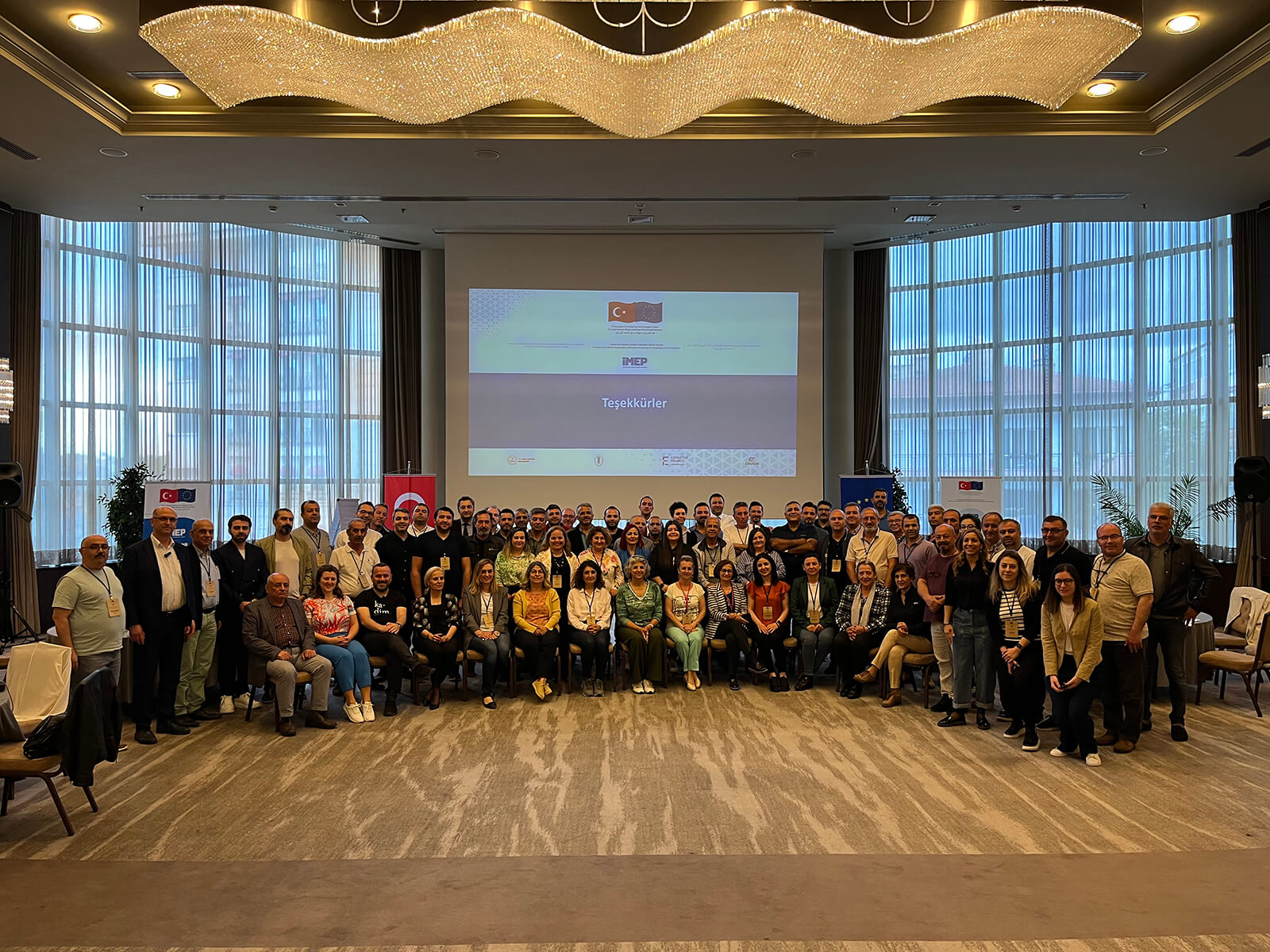
The VET4JOB Experience Sharing and Feedback Workshop took place in Ankara on June 1-2, 2023. The workshop brought together representatives from local institutions and organizations involved in the implementation of the Vocational Training Programme for Employment (VET4JOB). VET4JOB is supported by the European Union and implemented by Expertise France and EDUSER in partnership with the Directorate General of Vocational Education and Training (DGVET) of the Ministry of National Education and Confederation of Turkish Tradesmen and Craftsmen (TESK) as the beneficiary.
During the first day of the two-day workshop, participants discussed the achievements, challenges, and underlying causes encountered while carrying out the program activities. They also shared their experiences regarding the conducted studies. On the second day, based on the lessons learned, suggestions were compiled for the second phase activities of VET4JOB, which are planned for next year. The workshop was completed with active participation from all parties, and a high level of dedication to the discussions.
File Size: 28 Byte(s)
VET4JOB Programme Introduction Presentation
File Size: 2.73 MB
VET4JOB Raises Awareness about Combating Child Labour

“My Apprentice Students on their Way to Mastership” awareness-raising meetings drawing attention to the struggle against child labour have been organised as part of the Vocational Training for Employment Programme (İMEP/VET4JOB) supported by the European Union. These events have taken place in each of the provinces in which the programme is being implemented.
The last two of the 12 meetings, which targeted entrepreneurs and master trainers in workplaces in which apprentice students are receiving their practical training, were held in Istanbul and Hatay. The Istanbul meeting was jointly organised by the Istanbul provincial directorate of National Education and the Istanbul Union of Chambers of Tradesmen and Craftsmen (İSTESOB) on November 23rd, and the opening address was delivered by İSTESOB president Faik Yılmaz. The Hatay meeting was jointly organised by the Hatay provincial directorate of National Education and the Hatay Union of Chambers of Tradesmen and Craftsmen (HESOB) on December 1st 2023, and opening speeches were made by Mustafa Karasu, the deputy provincial director of National Education in Hatay, and HESOB president Aziz Fatih Yılmaz.
At the “My Apprentice Students on their Way to Mastership” awareness-raising meetings, the entrepreneurs were informed about the harms done by child labour and about the conditions that expose children to economic exploitation, arrest their education and negatively affect their health and physical development. Awareness was raised on the issue and it was stressed that it was a social responsibility to place children within a ring of protection. In addition, an interactive evaluation was conducted of the duties and responsibilities of the apprentice student, the school, the family and the employer – the actors in the four-way cooperation for apprenticeship training.
Apprentice students from the schools implementing İMEP took the stage during the meetings to appeal to employers and share with them their proposed solutions for the problems identified during the Apprentice Student Forums so as to contribute to the implementation of apprenticeship training under improved conditions. The leader apprentice students stated that they wanted to feel like students, and called on business owners and school administrators to respect their rights as students.
File Size: 28 Byte(s)
VET4JOB Solidarity Digital Exhibition Opens

The virtual exhibition of the 1st solidarity event of Vocational Training Programme for Employment (VET4JOB), conducted in cooperation with the Directorate General of Vocational and Technical Education of the Ministry of National Education DG TVET and the Confederation of Turkish Tradesmen and Craftsmen (TESK), and supported by the European Union, was opened to visit on May 9, on the Europe Day. Solidarity event, which melts the concepts such as solidarity, sustainability, environment, cooperation, and social adaptation, which constitute the principles of the European Union in the same pot, is among the most prominent activities of VET4JOB.
“Apprentice Student Vocational Solidarity Activities” carried out within the scope of VET4JOB, briefly referred to as the Solidarity event, started with the aim of enabling apprentice students to develop and implement environmentally sensitive social entrepreneurship projects in teams. For guidance, the students, teachers, and master trainers in VET4JOB Solidarity teams were given training on sustainability, design-oriented thinking, social benefit, team work and effective presentation.
Apprentice Student Vocational Skills Solidarity Activities
The first Apprentice Student Vocational Skills Solidarity Activity started in Kizilcahamam, Ankara on October 5-7, 2022. In the training attended by apprentice students, teachers and master trainers from Ankara, Izmir, Kayseri, and Konya, all content was designed in an interactive and dynamic structure. Students started their training by learning the concept of “collective” After a colorful acquaintance phase, they learned new information about the current state of the planet and sustainability through games. Before the training, the main theme of which was sustainability, flasks were presented to the students to raise the awareness of leaving less waste in nature. Apprentice students quickly adopted this message and used their flasks when they were thirsty.
The second training activity within the scope of solidarity was carried out in Adana on December 6-8, 2022. Apprentice students, teachers and qualified instructors from Adana, Mersin, Gaziantep, Kahramanmaras, and Hatay met. As in the previous meeting, their studies focused on ecological, economic, and social sustainability. While thinking design-oriented, they used their dexterity in teams and floated the ships they designed. In the post-study evaluation, they elaborated on issues such as the challenges and advantages of being a team, the inefficiency of doing business without planning, and the importance of time management.
The third Apprenticeship Student Vocational Skills Solidarity Activity was held in Abant, Bolu on January 9-11, with the participation of the Bursa, Istanbul, and Kocaeli teams, who returned to their respective cities to design and implement their projects with the newly acquired knowledge and perspectives. At the end of the training, Hac Fayad, an apprentice student from Bornova Vocational Training Center, answered to the question “What did you learn in Solidarity?” as follows: “I was very surprised by what I learned about our planet. I did not know that we had done so much damage to the world”, reflecting the students’ astonishment at what they learned. Please check the previous issue of Cevher to find out what the apprentice students conveyed after the Solidarity Training.
VET4JOB Solidarity teams, with the support of their newly acquired capacity and the members of their community, rolled up their sleeves to realize social benefit-oriented activities. Thus, the way to the exhibition started with training and continued with the teams returning to their homes, determining the project topics, planning, and implementing the projects. On May 9, the 1st Solidarity Exhibition was opened to visit. Click here to visit the exhibition with the posters describing the projects implemented within the scope of solidarity.
The First Solidarity Exhibition
The First Solidarity Exhibition contains posters and videos embedded into posters explaining the projects of Siteler and OSTIM MEM teams from Ankara, Ahi Evran, 100. Yil MEM and Aykent MTAL teams from Konya, Bornova, Karabaglar MEM and Nevvar Salih Isgoren MTAL teams from Izmir, and Osman Dusungel and Ayse Baldoktu MEM teams from Kayseri.
Ankara Siteler Vocational Training Center raised awareness for reusing denim products that are out of use of all students and teachers of the school, as well as individuals around the school, with their project titled “From Blue to Green: “Unused Jeans Turn into Bags” The team implemented an exemplary zero-waste project aimed at raising awareness for reuse by designing and sewing bags using out-of-use jeans. In this way, they invited the participants and the people to zero-waste studies to be carried out at the social level. In fact, 70 design bags were produced by converting 20 kg of textile waste during the project, preventing the use of 3.2 kg of chemicals, and saving 2 thousand liters of water.
The team of Ankara OSTİM Vocational Training Center developed a project titled “I Sort Waste, I Support Economy” in order to recycle with waste separation and increase social awareness with technological design and creation. Within the scope of the project, a sensor waste sorting machine with a capacity to separate 700 kg of waste was produced by using some parts produced using 3D printers as well as idle machine parts.
The team of Konya Ahi Evran Vocational Training Center carried out a project called “Boss Apprentice Student” The aim of this project is to raise awareness about respect, trust and non-violent communication and strengthen communication between schools and businesses. In addition to informative studies, visual materials for schools and businesses were produced in the implementation of the project, which also included a large survey.
Solidarity team from Konya 100. Yıl Vocational Training Center developed a project called “Wasted Money” with the aim of increasing social awareness on energy saving and conscious electricity consumption. They made “reactive power compensation” in order to prevent reactive penalty payments in the electricity bills of two schools cooperated under this project. Thus, 3,200 kilowatts of energy were saved and a total penalty payment of TRY 7,500 was avoided.
The team of Konya Karatay Aykent Vocational and Technical Anatolian High School is engaged in soilless agriculture at the school garden aiming to strengthen its ties with our planet. At the same time, they announced their efforts and drew attention to sustainability in the school newspaper they distributed in and around the school. The Name of their Project: “We Meet Soilless Agriculture, We Make a Difference with Our School Newspaper” The team, which achieved their objective of doing soilless agriculture through the mini greenhouse system they established, not only grew 20 kilos of lettuce, but also saved 2,160 liters of water. They print their school newspapers in limited numbers and mostly share it digitally, also aiming to reduce the use of water and chemicals required for printing to prevent tree cutting.
Izmir Bornova Vocational Training Center implemented a project titled “Think Before Throwing; Do not Throw but Recycle, and Support” to question the waste issue and increase social awareness and cooperation, and provided and installed waste collection boxes to the school, and hold an information seminar about plastic waste. So far, 50 kg of plastic waste bottles were collected and income was generated for 2 children in need.
Izmir Karabaglar Vocational Training Center carried out a study to provide social benefits for the neighborhood where the school is located. In order to meet the hair, nail care and hygiene of underage disadvantaged children who cannot access hair, nail care and hygiene services, they implemented the project titled “We’re here to Add Beauty to Your Beauty” In this context, the children in need in the vicinity of the school were identified, and interviews were conducted with some of the children and parents, and the children and young people were provided with haircut, hair design, and hand and nail care services.
Nevvar Salih Isgoren Vocational and Technical Anatolian High School from Izmir aimed to increase social awareness and cooperation by establishing a circular waste system with their project titled “We Convert Our Food Waste into Green Plant and Our Waste Oils into Soap” which show an example of solidarity with teachers, school employees, guests of the school-affiliated practice hotel, and local artisans. Realizing that there are many raw foods waste going to the garbage in the food and beverage workshops of their school, in the kitchen of the practice hotel affiliated to the school and in the workplaces of the artisans who produce food in the vicinity, the team made awareness studies about raw food waste by taking advantage of such waste. Besides, within the scope of their project, they collected 70 kilos of waste oil and used it to produce 30 kilos of soap, and included worms in their project to make compost with 130 kilos of food waste.
The Solidarity team of Kayseri Osman Dusungel Vocational Training Center developed a project that offered an example of solidarity with students with special needs in a special education institution near their school with their project titles “Take and Mix, Do and Fix” First, the team identified and obtained textile waste, and then, re-evaluated this waste and produced 200 pencil boxes and presented them to students with special needs following an induction event. During the project, 30 kilos of textile waste were recycled, 5 kilos of chemicals were avoided and 3 thousand liters of water was saved.
Ayse Baldoktu Vocational Training Center from Kayseri made workplace arrangements in order to reduce water consumption with the solidarity of students, teachers and the employees of a restaurant in Kayseri with their project titled “Respect for the Environment, Green and Nature” developed in order to keep the environment and nature clean, and keep the living species in the surroundings alive and tree the environment, allowing the remaining food in the aforementioned restaurant to be separated as animal share and ensuring cooperation with municipal animal shelters. Within the scope of this project, tree seeds were collected, germinated, and then planted in suitable places during a nature trip.
All the projects of Solidarity have produced very meaningful results that make faces smile. Please click to visit the exhibition!
File Size: 28 Byte(s)
VET4JOB started!

The Vocational Training Programme for Employment (VET4JOB) carried out with the cooperation of Ministry of National Education and the Confederation of Turkish Tradesmen and Craftsmen has started on January 1, 2020. The programme aims to facilitate access to sustainable livelihoods and formal employment prospects for Syrians and host communities, by supporting their skills development through apprenticeship and VET in line with labour market needs.
File Size: 28 Byte(s)
VET4JOB-II Institutional Project Teams Online Information Sessions Completed
Online information sessions for the Institutional Project Teams were held as part of the “Vocational Training Program for Employment” (VET4JOB-II), which is supported by the European Union and carried out in collaboration with the Ministry of National Education, Directorate General for Vocational and Technical Education, and the Confederation of Turkish Tradesmen and Craftsmen (TESK). The sessions, held between March 11-14, 2025, were completed with the participation of a total of 423 personnel from 44 Vocational Training Centers across eight different sessions.
During the meetings, detailed information was provided to participants about the VET4JOB-II Program and its General Implementation Framework. Question-and-answer sessions were conducted to refresh knowledge on project processes and implementation details. These sessions were organized to ensure that project teams could engage more effectively in the process.
The meetings held under VET4JOB-II are an important part of the steps aimed at advancing the employment prospects of young people who will be brought into vocational education through apprenticeship training.
File Size: 28 Byte(s)
Video
File Size: 28 Byte(s)
Video
File Size: 28 Byte(s)
Video
File Size: 28 Byte(s)
Video
File Size: 28 Byte(s)
Video
File Size: 28 Byte(s)
Video
File Size: 28 Byte(s)
Video
File Size: 28 Byte(s)
Video
File Size: 28 Byte(s)
Video
File Size: 28 Byte(s)
Video
File Size: 28 Byte(s)
Video
File Size: 28 Byte(s)
Video
File Size: 28 Byte(s)
Video
File Size: 28 Byte(s)
Video
File Size: 28 Byte(s)
Video
File Size: 28 Byte(s)
Video
File Size: 28 Byte(s)
Video
File Size: 28 Byte(s)
Video
File Size: 28 Byte(s)
Video
File Size: 28 Byte(s)
Video
File Size: 28 Byte(s)
Video
File Size: 28 Byte(s)
Video
File Size: 28 Byte(s)
Video
File Size: 28 Byte(s)
Video
File Size: 28 Byte(s)
Video
File Size: 28 Byte(s)
Video
File Size: 28 Byte(s)
Video
File Size: 28 Byte(s)
Video
File Size: 28 Byte(s)
Video
File Size: 28 Byte(s)
Video
File Size: 28 Byte(s)
Video
File Size: 28 Byte(s)
Video
File Size: 28 Byte(s)
Video
File Size: 28 Byte(s)
Video
File Size: 28 Byte(s)
Video
File Size: 28 Byte(s)
Video
File Size: 28 Byte(s)
Vocational Counseling and Career Guidance Training Completed

Within the scope of the Vocational Training Program for Employment (IMEP) supported by the European Union and carried out in cooperation with the General Directorate of Vocational and Technical Training of the Ministry of National Education and the Confederation of Turkish Tradesmen and Craftsmen (TESK) and in executive partnership with the Expertise France and the EDUSER, the “Vocational Counseling and Career Guidance Training” for teachers in vocational training centers where apprenticeship training is provided in the implementation provinces of the program was held in Antalya. A total of 100 participants were given trainings for 3 days on October 19-21, and November 8-10, 2022 in order to support the career development of individuals who receive training in Vocational Training Centers.
During the training program, issues such as vocational and career counseling models, the scope and implementation processes of the services provided, points to take into consideration in the first interviews, interview techniques, adaptation to the workplace, and strategies to prevent school dropout rates were discussed. In the last session of the training, expectations were conveyed by the participants, and a general evaluation was carried out.
File Size: 28 Byte(s)
Vocational Education and Apprenticeship Training Awareness Raising Meeting Held in Konya
An awareness raising meeting was held in Konya within the scope of the second phase of the “Vocational Education and Training Programme for Employment” (VET4JOB-II), supported by the European Union and implemented in cooperation with the Ministry of National Education and the Confederation of Turkish Tradesmen and Craftsmen (TESK), and carried out by Expertise France and Eduser.
The meetings took place on May 6–7, 2025, with the participation of guidance counsellor teachers from middle schools in Konya in two separate groups. The opening remarks of the program was delivered by Deputy Provincial Director of National Education in Konya, Tayyip Sarı.
The event featured group activities and interactive sessions focused on common misconceptions in society about apprenticeship training, allowing participants to engage in in-depth discussions on the topic. This approach ensured an active learning environment.
In the continuation of the meeting, Kadriye Kılıç, Branch Manager at the Department of Social Partners and Projects of the General Directorate of Vocational and Technical Education, Ministry of National Education, gave a comprehensive presentation on the promotion of vocational and technical secondary education institutions. İsmail Çuhadar, Director of the Konya Organized Industrial Zone Vocational Training Centre (VTC), provided information about the structure and functioning of vocational training centres.
Additionally, Orhan Bayar, Principal of Ahi Evran VTC, and Vice Principal Mustafa Güzelkara; İsa Sade, Principal of 100. Yıl VTC, and Vice Principal Mehmet; and Özkan Büyüksu, Principal of Meram VTC, and Vice Principal Yurdagül Kılınç informed participants about the fields and disciplines where education is provided in their respective schools.
The meeting included guidance on enhancing the dissemination of informational efforts and informing stakeholders about pathways to Vocational Training Centres. The meetings concluded with evaluation sessions and closing remarks. Positive feedback from participants demonstrated that such activities carried out within the scope of VET4JOB-II play a significant role in increasing awareness of vocational education and strengthening the perception of apprenticeship training in society.
File Size: 28 Byte(s)
Vocational Education Centres Journeyman and Master Examination Commissions Training of Trainers was held in İzmir

Vocational Education Centres Journeyman and Master Examination Commissions Training of Trainers was held in İzmir
Within the scope of the Vocational Education for Employment Program (VET) implemented by Expertise France and EDUSER in cooperation with the Ministry of National Education General Directorate of Vocational and Technical Education (MoNE DGVET) and the Confederation of Turkish Tradesmen and Craftsmen (TESK) with the financial support of the European Union, “Training of Trainers for Vocational Education Centres Journeyman and Master Examination Commissions” was held in İzmir on 14-16 November 2023.
The program, which was opened by Mr. Süleyman Akgül, Head of Workplace-Based Vocational Education Department of the Ministry of National Education, General Directorate of Vocational and Technical Education, was attended by 40 vocational course teachers selected from among the teachers who participated in the training organized in 2022 for the members of the examination commissions working in the journeyman and mastership exams in VET4JOB schools, taking into account the province, school and field / branch distribution.
In the training of trainers program, topics such as basic principles of adult education, effective communication in adult education, classroom and time management, active teaching strategies, use of technology in education, distance learning methods and approaches, measurement and evaluation were included.
File Size: 28 Byte(s)
Vocational Education Program for Employment (İMEP)_Restarters
File Size: 28 Byte(s)
Vocational Training Programme Communication Campaign for Employment Started

With the financial support of the European Union, in cooperation with the General Directorate of Vocational and Technical Education of the Ministry of National Education (MoNE MTEGM) and the Confederation of Turkish Tradesmen and Craftsmen (TESK), the Communication Campaign is launched by the event held on Thursday, May 26, 2022 at the OSTİM Vocational Training Center for the “Improving the Access to Employment for the Syrian Refugees and Host Communities by Providing High-Quality Apprenticeship and Vocational Training Programme (Vocational Training Programme for Employment-VET4JOB) implemented by Expertise France and EDUSER. Representatives of MoNE General Directorate of Vocational and Technical Education, TESK and international organizations, employers that train apprentices, OSTIM Vocational Training Center’s teachers, students and their families participated to the event.
Vocational Training Programme for Employment (İMEP/VET4JOB) is implemented, which is one of the most comprehensive programmes contributing to the vocational training of non-educated Turkish and Syrian children under Temporary Protection in line with the needs of the labour market through apprenticeship and vocational training. VET4JOB emphasizes the advantages of apprenticeship education as a part of formal education system and supports youth to stay in education and prepare them for registered employment. Thus, it contributes to the training of qualified labour force. The programme aims to raise awareness by focusing on the harms of child labour and the rights of the apprentice students. VET4JOB, being implemented 36 vocational education institutions in 12 cities with the financial support of the European Union, started on 1 January 2020 and will continue until the end of 2023.
The main theme of Communication Campaign for VET4JOB is “On the Path to Mastery: Apprenticeship Training” in order to raise awareness of the public including the families, children and businesses that train apprentice students and to improve its value in the eyes of the society by explaining the advantages of apprenticeship education. The Communication Campaign is planned to be implemented in cooperation with TESK’s local organizations in local provinces and 36 vocational education institutions within the scope of VET4JOB.
During the Kick-off Ceremony of VET4JOB Communication Campaign, Korkut Koçak, the Head of Social Partners and Projects Department of MoNE MTEGM, Atty. Fatma Yasemin Ertekin, the Deputy General Secretary of TESK, Feyhan Evitan Canbay, the Director of Socio-Economic Development Programme of the Delegation of the European Union to Turkey, Tanguy Denieul, Turkey Director of French Development Agency (AFD) addressed opening remarks and Fatma Özdemir Uluç, VET4JOB Team Leader at Expertise France, explained the aim of the VET4JOB Communication Campaign and emphasized the importance of apprenticeship education.
Korkut Koçak, the Head of Social Partners and Projects Department of MoNE MTEGM, spoke on behalf of the General Directorate of Vocational and Technical Education of the Ministry of National Education: “As the Ministry of National Education, we make our plans by considering foreign students while carrying out our routine activities. In this context, we have been working for a long time to solve their problems in the field of education through various projects and to facilitate their transition to registered employment in the labour market by increasing their education and skill levels. We see the apprenticeship training given in our vocational training centres as one of the most effective and inclusive solutions to this problem.”
Fatma Yasemin Ertekin, the Deputy General Secretary of TESK, points out “Vocational Training for Strong Turkey is indispensable in today’s world. Today, the level of vocational training is one of the factors that determine the development levels of the countries. In a scope where change is continuing at a dizzying pace, countries feel the need to take permanent and effective steps towards the future in terms of vocational and technical training. We have no doubt that our country will plunge into the upcoming years as a stronger country with effective vocational education approach and policies that would embrace the future.”
Dr. Fatma Özdemir Uluç, VET4JOB Team Leader, says “Apprenticeship training is an excellent four-year education model that focuses on the child, teaches the theoretical foundations of the occupation under the protection and assurance of the government, gives students the opportunity to learn an occupation in all aspects and thus is a public service, and brings together businesses that assume the responsibility for education. By doing and experiencing, students not only learn an occupation and art with all its subtleties, but also acquire basic life skills. We desire to ensure that schools and businesses, and most of all, students, become ambassadors to promote apprenticeship training and institutions through workshops that support their communication skills and personal development.”
File Size: 28 Byte(s)
What are the rights of apprentice students in enterprises?
Apprentice students have the right to attend vocational training centres – i.e., schools – for theoretical training at least once a week in line with the academic calendar announced every year. Apprentice students are considered on paid leave on the days they go to school and on public and religious holidays. Apprentice students are entitled to one month of paid leave each year besides the time they are allowed off to attend theoretical education. In addition, one month of unpaid leave may be given to apprentice students with valid excuses that are accepted by the enterprise after obtaining the opinion of the management of the vocational training centre. Apprentice students benefit from all their rights as students. Apprentice students may not be made to work more than eight hours a day or in shifts. Apprentice students have the right to receive monthly remunerations of not less than 30 per cent of the minimum wage starting from the date when the In-Enterprise Vocational Training/Internship Contract takes effect. Apprentice students start to benefit from the right to insurance against workplace accidents and occupational and other diseases on the date when the apprenticeship contract takes effect without need for a separate application.
File Size: 28 Byte(s)
What are the stages of applying for apprenticeship training?
- First obtain information from the nearest vocational training centre: https://meslegimhayatim.meb.gov.tr/egitim/orgun-ogretim-kurumlari
- Then determine the profession for which you will be trained in accordance with your interests and skills: https://meslegimhayatim.meb.gov.tr/mesleki-egitim-videolari/
- Sign a contract with a workplace active in the professional field which you have chosen.
- After your contract has been signed by the authorised representative of the enterprise, by your parent or guardian and by yourself, submit it to the vocational training centre where you are to be trained.
- Start to acquire your profession by following the theoretical training in the vocational training centre and doing the practical training in the workplace.
File Size: 28 Byte(s)
What benefits does apprenticeship training have for enterprises?
Apprenticeship training is important for the future of sectors and the sustainability of enterprises, since it provides them with qualified human resources. Apprenticeship training enables enterprises to train their own qualified employees in accordance with their needs. Students who successfully complete their apprenticeship training possess the vocational qualifications that are required for skilled jobs and therefore contribute to their sectors as qualified employees. Apprentice students are insured against workplace accidents and occupational and other diseases, and the premiums are paid by the state. The remunerations paid to apprentice students are exempt from all kinds of tax. Enterprises are obliged to pay apprentice students at least 30 per cent of the minimum wage. They are reimbursed for two-thirds of this amount as a government incentive in the case of enterprises that have less than 20 employees and for one-third in the case of enterprises that have more than 20 employees
File Size: 28 Byte(s)
What certificates can students completing their apprenticeship training obtain?
Apprentice students who receive training in vocational training centres receive a journeymanship certificate at the end of grade 11, once they succeed in the journeymanship examinations and have passed in all of their subjects. Journeymen who succeed in the mastership examinations and have not failed in any of their subjects receive a mastership certificate. Vocational training centre students who have earned the right to a mastership certificate may obtain a vocational high school diploma if they succeed in the supplementary subjects required by the Ministry of National Education by taking part in face-to-face education programmes arranged at vocational training centres or by studying in ‘open’ secondary education institutions. Holders of mastership certificates who are successful in the 40-hour occupational pedagogy course programme designed for them are awarded a master trainer certificate
File Size: 28 Byte(s)
What criteria were used when determining the provinces, institutions and professional fields to be included in VET4JOB?
The provinces, institutions and professional fields to be included in VET4JOB were determined in light of a comprehensive research. The research was done in two stages. First, a desk review was conducted and quantitative data from the potential provinces were analysed. In the second stage of the research, a labour market analysis was carried out to analyse both quantitative and qualitative data. As a result of these studies, it was decided to carry out VET4JOB apprenticeship training in 36 vocational training institutions serving a total of 31 districts in 12 provinces. A Turkish summary of the VET4JOB scope research in Turkish can be accessed via http://imep.org/index.php/yayinlarimiz/. The English version of the summary can be accessed via http://imep.org/yayinlarimiz .
File Size: 28 Byte(s)
What do participants in the master trainer course learn?
In order to enable them to provide applied training for students receiving apprenticeship training in enterprises, master trainer candidates are taught the following subjects: principles of apprenticeship and vocational training; educational psychology; communication and communication tools in education; vocational analysis and the preparation of training programmes; training methods for workshops and vocational courses; work safety, work quality and cost relations, and assessment and evaluation in training.
File Size: 28 Byte(s)
What documents are needed to register for apprenticeship training?
ul>
File Size: 28 Byte(s)
What happens if an enterprise does not comply with its obligation to send the apprentice student to the vocational training centre for theoretical training?
The enterprise is obliged to send the apprentice student to the vocational training centre for theoretical training. If the enterprise does not fulfil this obligation, the apprenticeship contract can be terminated unilaterally by the vocational training centre and the apprentice student is referred to another enterprise.
File Size: 28 Byte(s)
What is apprenticeship training?
Apprenticeship training is one form of formal vocational training. In this option, the students receive their theoretical training in the relevant profession at school and their practical training in enterprises under the supervision of experienced master trainers. Students who graduate from apprenticeship training thereby complete their 12 years of compulsory education.
File Size: 28 Byte(s)
What is the duration of apprenticeship training?
For students who graduate from lower secondary school (middle school) and begin their apprenticeship training from grade 9, the training extends over a period of four years, consisting of three years of journeymanship training and one year of mastership training.
File Size: 28 Byte(s)
What is the make-up education that has to be completed to obtain a vocational high school diploma?
In order to be able to obtain a vocational high school diploma, holders of journeymanship or mastership certificates who are at least lower secondary school (middle school) graduates or imam hatip lower secondary school (middle school) graduates, and students currently studying in vocational training centres who are not included in a diploma programme, must take part in a “Vocational Training Centres Weekly Timetable and Diploma Programme”, also known as make-up education. Make-up education consists of the supplementary subjects contained in the said programme. Students who succeed in all of the subjects in the programme earn the right to obtain a vocational high school diploma.
File Size: 28 Byte(s)
What kind of responsibilities do master trainers take on in the training of apprentice students?
Master trainers are responsible for the planning, implementation, evaluation and further development of skills training for apprentice students within the context of the annual in-enterprise applied training plan provided to them by the vocational training centre. Master trainers carry out this work in harmony with the coordinator teacher and/or course teacher in the light of the means available to the enterprise and the theoretical courses provided in the vocational training courses. During the training, master trainers inform students about the general operations and production of the enterprise, the flow of work, and occupational health and safety. Master trainers also monitor and evaluate the practice exercises, work, projects, experiments or services which the students carry out as part of their skills training, depending on their personal characteristics and the requirements of the job. For this purpose, the master trainers make use of a Vocational Training in Enterprises Work File, which they also submit to the relevant examination commission for use in the journeyman and mastership exams. In addition, master trainers evaluate the skills training of the students at the end of each term, recording their marks on the forms provided for this purpose and submitting them to the coordinator teacher.
File Size: 28 Byte(s)
What kind of services does VET4JOB provide?
Detailed information on VET4JOB services can be accessed via http://imep.org/EN/index.php/hakkimizda/ and http://imep.org/EN/index.php/neleryapiyoruz/. The programme’s promotional video can be accessed via https://www.youtube.com/watch?v=ah7wEZGNe8Q&t=35s.
File Size: 28 Byte(s)
What kind of theoretical and practical training is included in apprenticeship training?
The theoretical training consists of face-to-face training provided in the vocational training centre for at least one day per week (*). The practical training is the applied training given in the workplace on the other days of the week under the supervision of a master trainer. The workplace training is monitored and controlled by coordinator teachers assigned by the vocational training centre. (*) The supplementary subjects taken by apprentice students participating in the “make-up” diploma programme may be taken in the evenings and/or at weekends through face-to-face training in the context of the full-day full-year training scheme.
File Size: 28 Byte(s)
What kinds of responsibilities do the enterprises that provide apprenticeship training take on?
Enterprises that provide apprenticeship training are responsible for: assigning a master trainer to be responsible for the applied training of the apprentice student, employing the apprentice student on tasks related to his/her vocation, preparing the apprentice student for the journeyman examinations by fully implementing the applied training programme related to his/her vocation, enabling the apprentice student to take the first journeyman examination that is held, and providing the necessary environment and materials for the applied examination. The enterprises are also responsible for the monitoring and evaluation of the apprentice students with regards to the production, manufacturing, services, projects and practice exercises which they carry out in order to keep track of their achievements with respect to occupational competencies. This is done by recording information in the relevant parts of the Vocational Training in Enterprises Work File. In addition, enterprises are responsible for reporting the applied training final evaluation score to the vocational training centre at the end of each term and for informing the centre of absences from the enterprise every month. Finally, enterprises providing apprenticeship training are responsible for support to assist the development of the national, moral, humanitarian and spiritual values of the apprentice student.
File Size: 28 Byte(s)
What opportunities does a master trainer certificate create and how is this certificate obtained?
Master trainers are people who have acquired the competence of a master, who are responsible for the workplace training of candidate apprentices, apprentices, journeymen and students of technical and vocational education schools and institutions, and who are familiar with the techniques of vocational training and able to implement them. Only enterprises that employ master trainers or in which the employer is a master trainer are permitted to offer practical training opportunities to apprentice students.To obtain a master trainer certificate, a person must have acquired the competence of a master and completed the 40-hour occupational pedagogy course offered outside working hours by the Ministry of National Education through face-to-face education or via distance learning. Master trainer certificates are awarded to those who pass the examination held at the end of the course.
File Size: 28 Byte(s)
What opportunities does a mastership certificate create?
The term ‘master’ refers to a person who has acquired the knowledge skills and working habits required for a profession, who is able to put these into practice in the production of goods and services to the standards acceptable in business life, and who is capable of planning production, resolving the problems that might be encountered in the course of production, expressing his or her thoughts in writing, orally and through drawings, and making practical calculations related to production. A mastership certificate is therefore an important document signifying competence in the professional field in which its holder has been trained.Holders of a mastership certificate can use it to open their own workplaces or to obtain employment easily as a qualified employee in a workplace.
File Size: 28 Byte(s)
What were the impacts of the COVID-19 pandemic on apprenticeship training, a central element of VET4JOB?
The VET4JOB team carried out a comprehensive research study to analyse the impacts of the COVID-19 pandemic on apprenticeship training. The study involved 1,187 people representing all the various components of apprenticeship training. The research summary in Turkish, which discusses the period of the pandemic between 15 March and 01 June 2020, can be accessed via http://imep.org/index.php/yayinlarimiz/. The English version of the summary can be accessed via http://imep.org/yayinlarimiz/ .
File Size: 28 Byte(s)
When does registration for apprenticeship training take place?
- Students completing their lower secondary school (middle school) or imam hatip lower secondary school (middle school) education may register on the dates indicated in the “secondary education institutions preference and placement calendar” published by the Ministry of National Education before the start of the school year.
- Those who do not register or are unable to register with a school on the dates set for the central placement system may register for apprenticeship training whenever they wish, in any of the 12 months of the year.
- Students currently studying in high schools and schools of equivalent level who have applied to the vocational training centre at which they wish to register with a student identification document obtained from the management of their school may have their transfers processed in any of the 12 months of the year.
- Persons who have graduated from a high school or school of equivalent level or an institution of higher education or who have left such a school or institution in an intermediate year may register in any of the 12 months of the year.
- Persons who are older than 18 and are not attending an educational institution and who are working in an enterprise may register for apprenticeship training in any of the 12 months of the year.
- Persons who have signed a contract with an enterprise remain registered with the vocational training centre for the whole of the calendar year. Those who have re-registered by the last working day of December continue to receive training in their current grades. Those who register from the first working day of January onwards are allowed to continue their vocational training in the workplace but are not given year-end points for the year in question. They are considered to have used their right to study for that particular year and their theoretical training starts with the new school year.
File Size: 28 Byte(s)
When does the insurance take effect for those who register for apprenticeship training?
A student’s insurance takes effect on the first day of work following the day on which the contract signed with the enterprise in the selected profession and is submitted to the vocational training centre. The insurance procedures are carried out by the school and the insurance premiums are paid by the state. This insurance only protects the apprentice student against professional diseases and accidents at work. The premiums paid do not count as service towards retirement.
File Size: 28 Byte(s)
When transferring to a vocational training centre from another high school, are students exempted from the subjects they have already taken?
When registering with a vocational training centre, exemptions are made for those common subjects which the student has already completed successfully at a high school or a school of equivalent level.
File Size: 28 Byte(s)
Where can information about professions be found?
Apprentice students can receive training in whichever of a total of 1841 different professional fields listed under 34 branches is most appropriate to their interests and skills. Information about the fields and branches can be found at http://www.megep.meb.gov.tr/?page=ogretmenKilavuzu. Assistance with orientation and guidance in the choice of profession may be sought from vocational training centres.
File Size: 28 Byte(s)
Where can information about professions be found?
Videos introducing a significant proportion of the professions for which training is provided through the various technical and vocational education options, including apprenticeship training, can be found at: https://meslegimhayatim.meb.gov.tr/mesleki-egitim-videolari/1 .
File Size: 28 Byte(s)
Where can the contact details of institutions offering apprenticeship training be found?
Contact details of institutions offering apprenticeship training can be found at the following address: https://meslegimhayatim.meb.gov.tr/egitim/orgun-ogretim-kurumlari. First select the province and district, and then choose “Vocational Training Centre (MEM)” from the types of institution menu.
File Size: 28 Byte(s)
Where should enterprises apply with any questions they have about apprenticeship training?
Enterprises can obtain detailed information by applying to the nearest vocational training centre for answers to their questions about apprenticeship training.
File Size: 28 Byte(s)
Which conditions must enterprises fulfil to benefit from government incentives?
In order to benefit from the government incentive for the remunerations paid to apprentice students, these remunerations must be paid via a bank or signed pay slip, and a copy of the bank receipt or signed pay slip must be submitted to the vocational training institution with which the apprentice student is registered.
File Size: 28 Byte(s)
Which enterprises can provide apprenticeship training?
Enterprises that are active in professional fields/branches included in the vocational training programmes and have at least one employee holding a master trainer certificate can provide apprenticeship training.
File Size: 28 Byte(s)
Who can benefit from VET4JOB services?
VET4JOB is currently providing services to Syrian and Turkish children and young people between the ages of 14 and 17 with apprenticeship training. Vocational education and training activities for Syrian and Turkish adults between the ages of 18 and 45 who are unable to access formal employment due to insufficient vocational qualifications will begin shortly. VET4JOB also carries out activities to improve enterprises which train or may train apprentice students. Detailed information on VET4JOB target groups can be accessed via http://imep.org/EN/index.php/hedefgruplarimiz/.
File Size: 28 Byte(s)
Who can register for apprenticeship training?
Any of the following may register for apprenticeship training provided that they sign a contract with an enterprise in a field of a profession falling within the scope of Law No. 3308 on Vocational Training:
- persons who have completed a lower secondary school (middle school) education or an imam hatip lower secondary school (middle school) education (*),
- persons who have graduated from a high school or school of equivalent level or who have left such a school in an intermediate year,- persons who have graduated from an institution of higher education or who have left such an institution in an intermediate year.Persons who have left high schools or institutions providing higher levels of education may apply to vocational training centres based on their previous level of education and commence their apprenticeship training from an intermediary grade appropriate to their circumstances. There is no upper age limit for apprenticeship training. Students registered [for distance learning] in ‘open’ high schools or ‘open’ institutions of higher education may also continue their education as apprentice students in vocational training centres.
- (*) The procedure for certifying that Syrians under Temporary Protection are lower secondary school (middle school) graduates is as follows:
- For those able to document that they are at least lower secondary school (middle school) graduates, it is to be certified that they have passed the Literacy Stage I Level Test or that they have registered for a Turkish language course at level A1.
- For those unable to document that they are at least lower secondary school (middle school) graduates, it is to be certified that they have registered for a Turkish language course at level A2.
File Size: 28 Byte(s)
Who is a master trainer?
A master trainer is an individual who has gained a mastership qualification, is responsible for the in-enterprise training of apprentices, journeymen and students of vocational and technical education schools and institutions, is familiar with the techniques of vocational training and able to implement them, and holds a master trainer certificate.
File Size: 28 Byte(s)
Who is responsible if something happens outside the enterprise to a student when the student is absent from his/her training in the enterprise?
If an apprentice student does not attend the enterprise on a day when he/she is supposed to be present and something happens to him/her outside the enterprise, the responsibility belongs entirely to himself/herself and his/her legal guardian.
File Size: 28 Byte(s)
Will the right to benefit from supports such as Social Solidarity and Assistance support, the Green Card (Yeşilkart) and the Emergency Social Safety Net (Kızılaykart) be cut off in case of benefiting from VET4JOB services?
The wage the apprentice students receive during their apprenticeship training is not added to the family income. Consequently, the fact that an apprentice student is employed with social security cover and generates an income does not result in any interruption in the supports provided for the family, including Social Solidarity and Assistance support, the Green Card (Yeşilkart) and the Emergency Social Safety Net (Kızılaykart). For other VET4JOB beneficiaries, the services are under no income-generating category, so no situation arises that would require the right to benefit from such supports to be interrupted.
File Size: 28 Byte(s)
Workshop on Vocational Training Students’ Job File Preparation at the Workplace

In the scope of “Vocational Training Programme for Employment” (VET4JOB) which is financed by the European Union, carried out by Expertise France and EDUSER in cooperation with the Ministry of National Education (MEB) and the Confederation of Turkish Tradesmen and Craftsmen (TESK), a workshop was carried out on vocational training students’ job file preparation at the workplace in Ankara. VET4JOB aims to foster employment by providing vocational skills through apprenticeship and vocational training work to youth and adults . Through this perspective, a two-day workshop was organized with the participation of vocational training centres’ high ranked officials and private sector representatives in order to set a standard for monitoring and evaluation of the practical training of apprentice students at the workplace. In the first day of the programme, Mr. Süleyman Akgül, Head of Department of Work-based Learning DG VET of MoNE and Mr. Fuat Elvan on behalf of TESK addressed opening speeches. VET4JOB 1st Module Leader and Field Coordinator İzzet Çevik explained the purpose and scope of the workshop during his presentation. Afterwards Head of Education, Projects and R&D Unit of Ankara Chamber of Craftsmen (ANKESOB) Erdoğan Özen made his presentation titled “Current Situation, Problems and Needs”, VET4JOB Project Labour Market Specialist Aydın Türkoğlu addressed his presentation on “Vocational Education Student Job File Draft Study at the Workplace”. Following the presentations, the participants were divided into three groups and exchanged their views on the draft framework developed. During the group work, answers are sought for questions such as how to increase the quality of apprenticeship trainings, how to eliminate the deficiencies in practical trainings, and how the student job file should be organized and effectively applied in a way that contributes to this process. At the end of the second day of the workshop, group work presentations were delivered and the meeting has ended by taking the opinions and suggestions of the relevant parties on the students’ draft job file.
File Size: 28 Byte(s)
Yeni Asır
File Size: 28 Byte(s)
Yeni Asır
File Size: 28 Byte(s)
Yeni Asır
File Size: 28 Byte(s)
Yeni Bakış
File Size: 28 Byte(s)
Yeni Gün İzmir
File Size: 28 Byte(s)
YENİ GÜN İZMİR
File Size: 28 Byte(s)
Yeni Haber Konya
File Size: 28 Byte(s)
Yeni izmir
File Size: 28 Byte(s)
Yeni İzmir
File Size: 28 Byte(s)
Yeni Konya
File Size: 28 Byte(s)
Yeni Manzara
File Size: 28 Byte(s)
YENİ MARMARA
File Size: 28 Byte(s)
YENİ MERAM
File Size: 28 Byte(s)
YILDIRIM
File Size: 28 Byte(s)
Yıldırım
File Size: 28 Byte(s)
Yıldırım
File Size: 28 Byte(s)
Yuksel Kaya Vocational Training Centre
File Size: 28 Byte(s)
Zafer
File Size: 28 Byte(s)
ZAFER
File Size: 28 Byte(s)
Zafer
File Size: 28 Byte(s)
Zafer
File Size: 28 Byte(s)
ZİRVE
File Size: 28 Byte(s)
